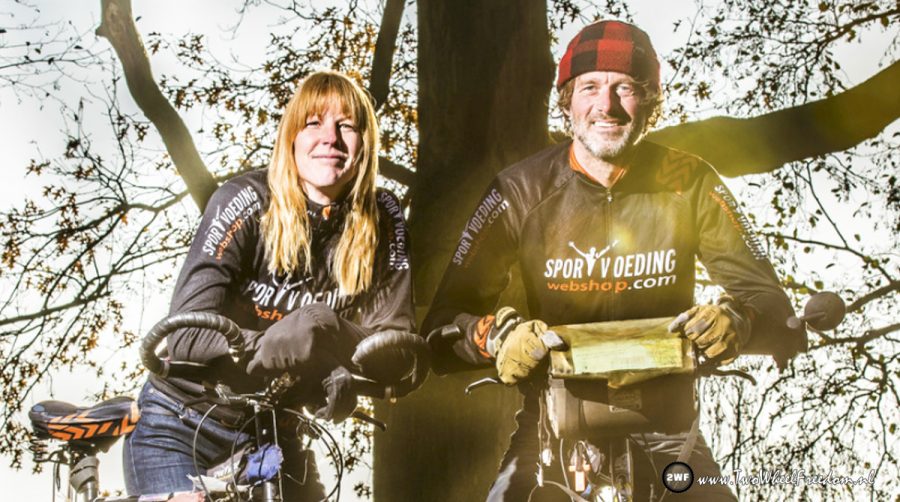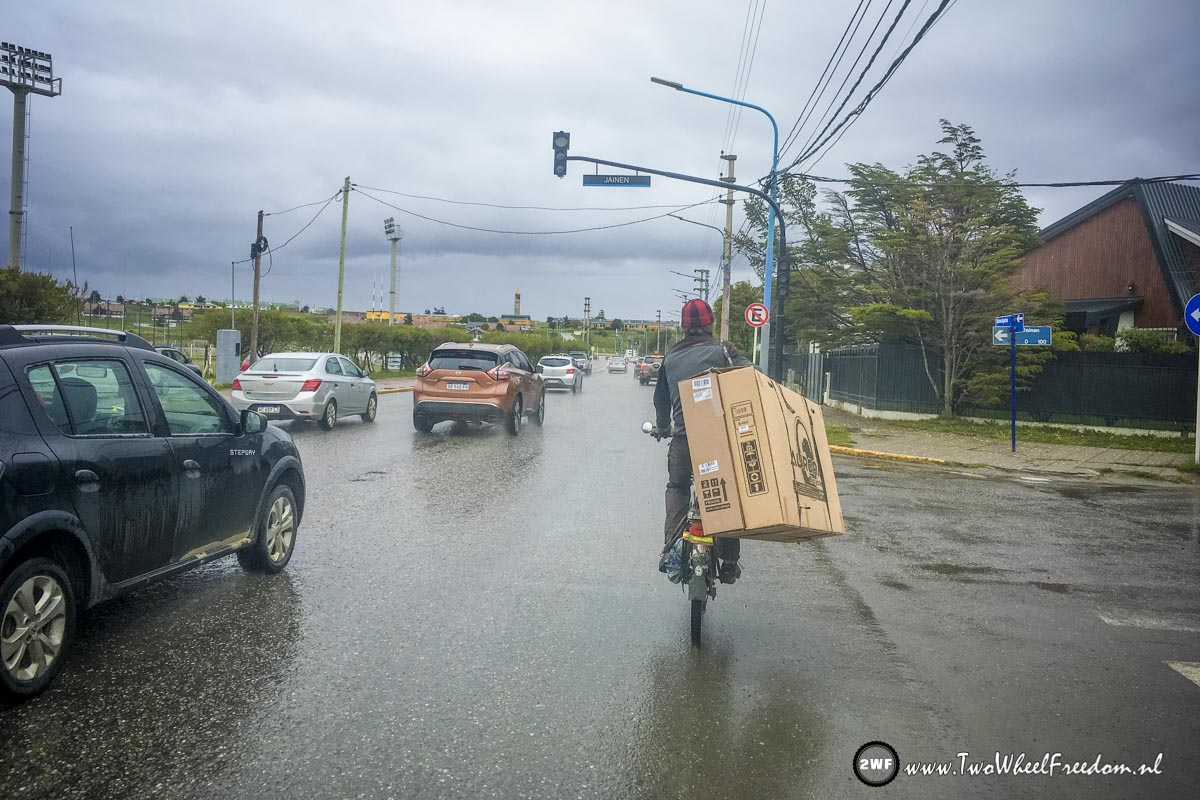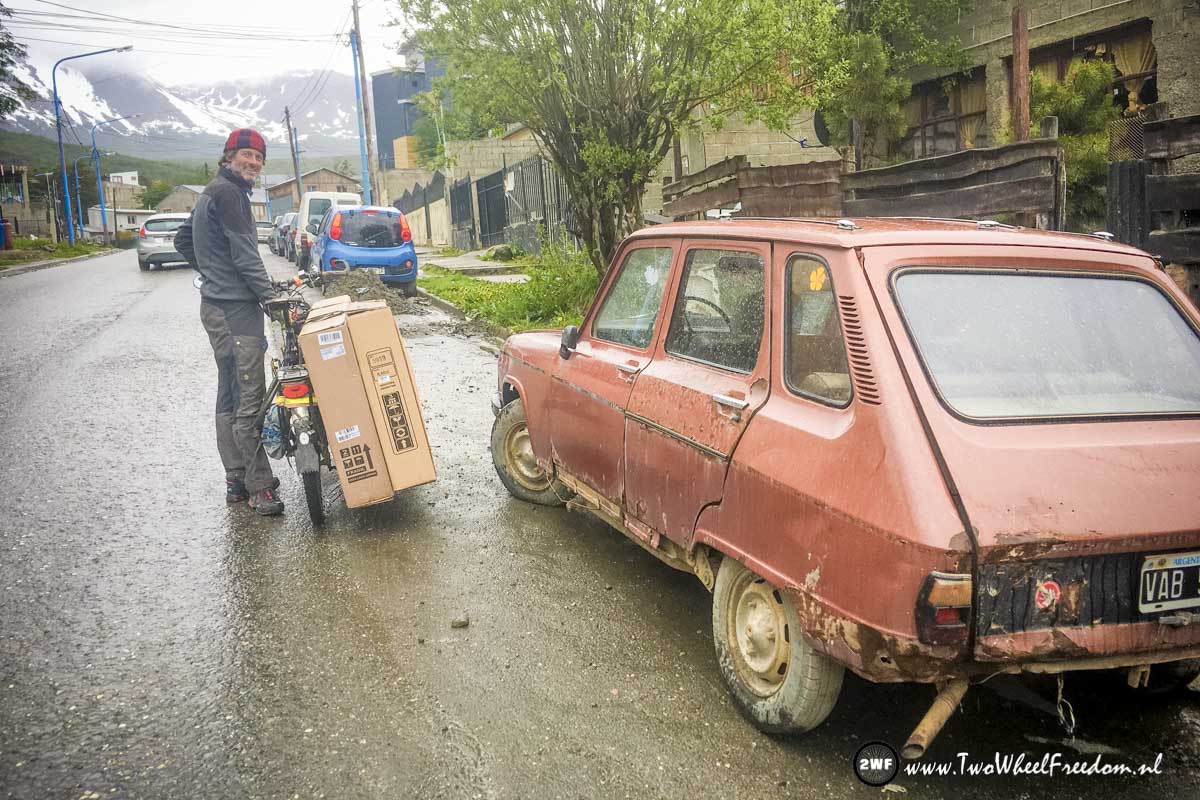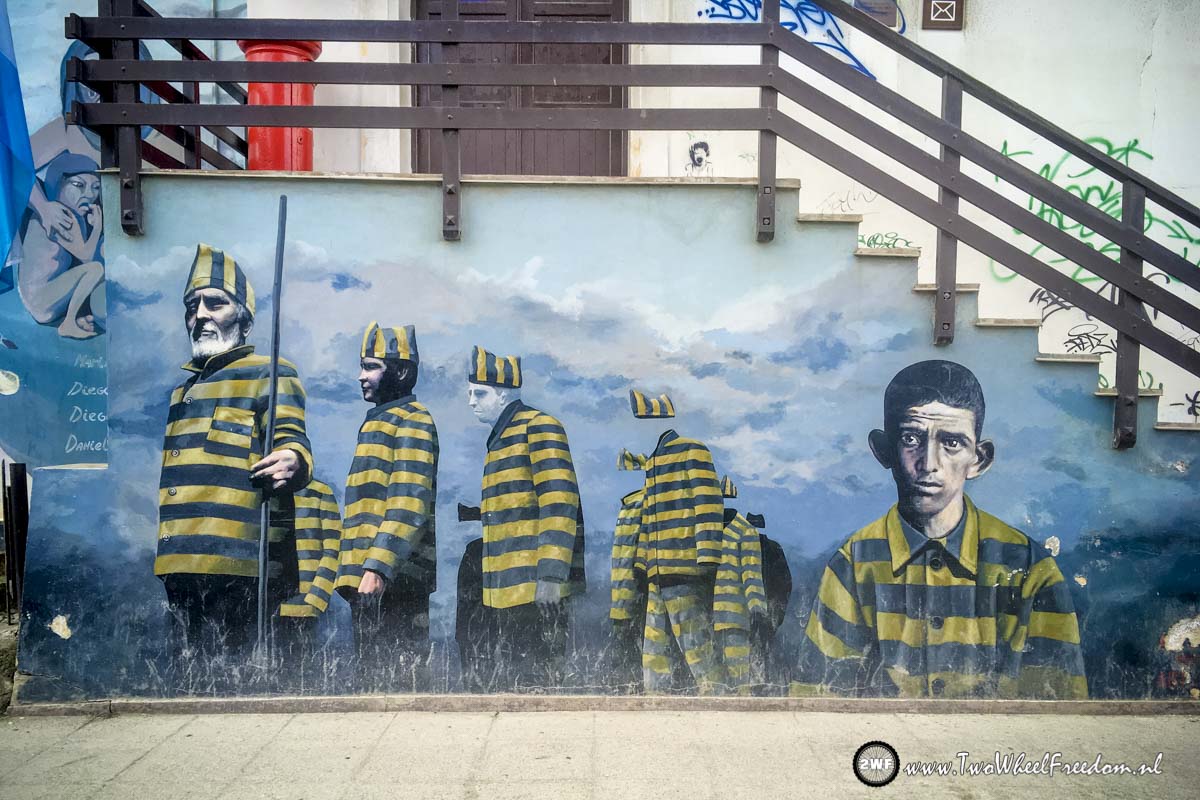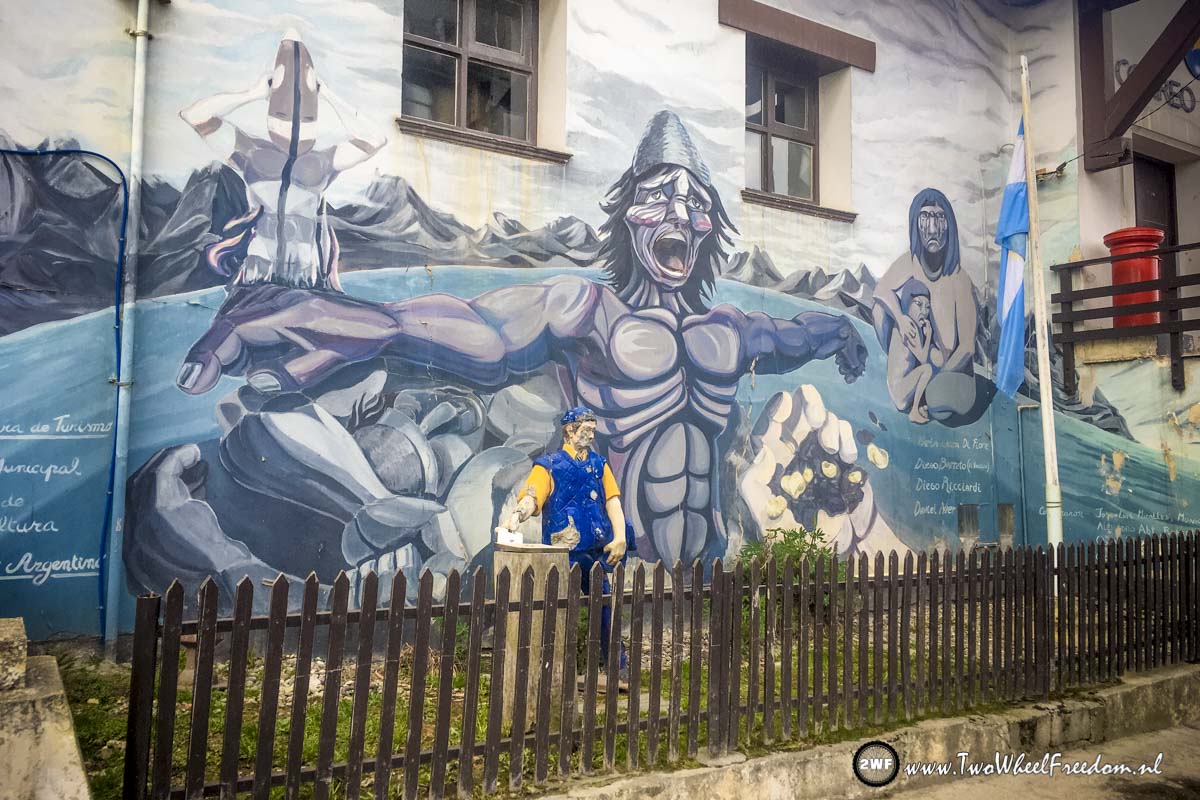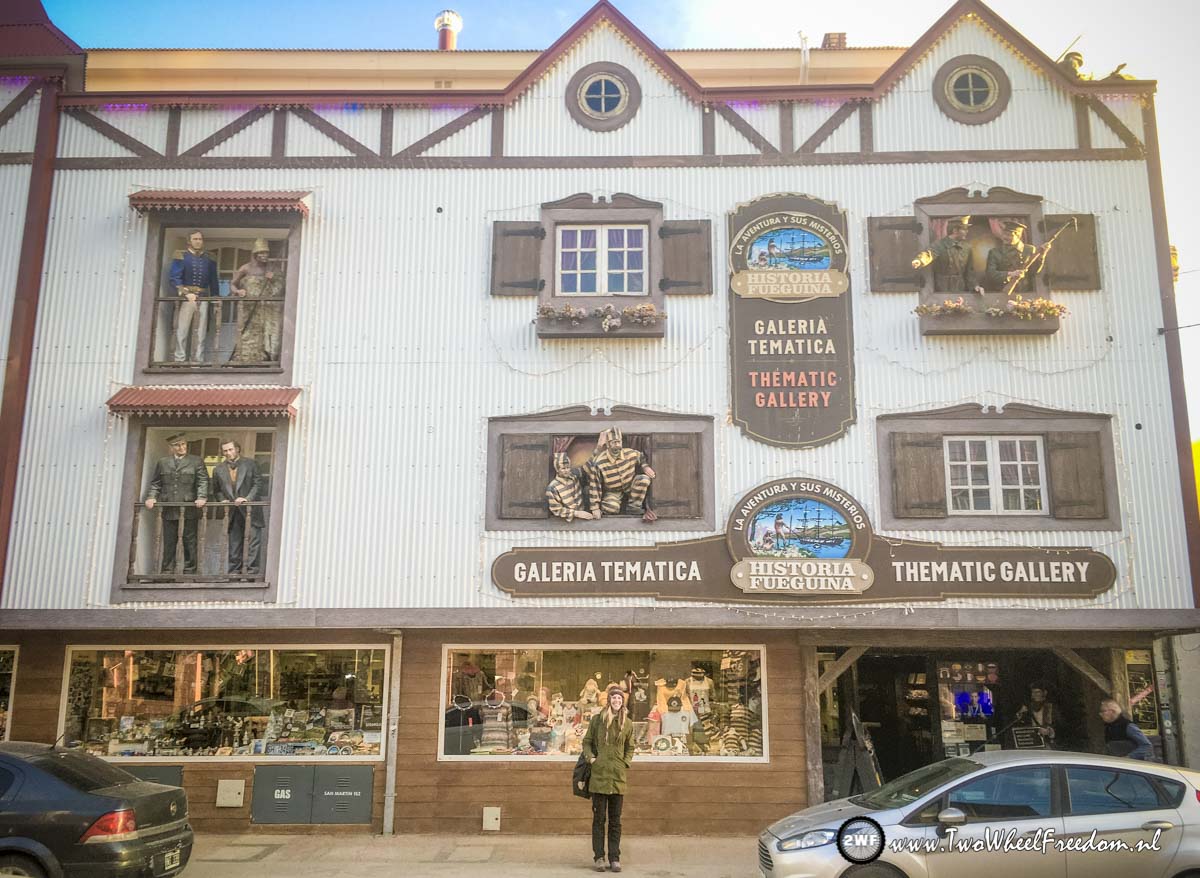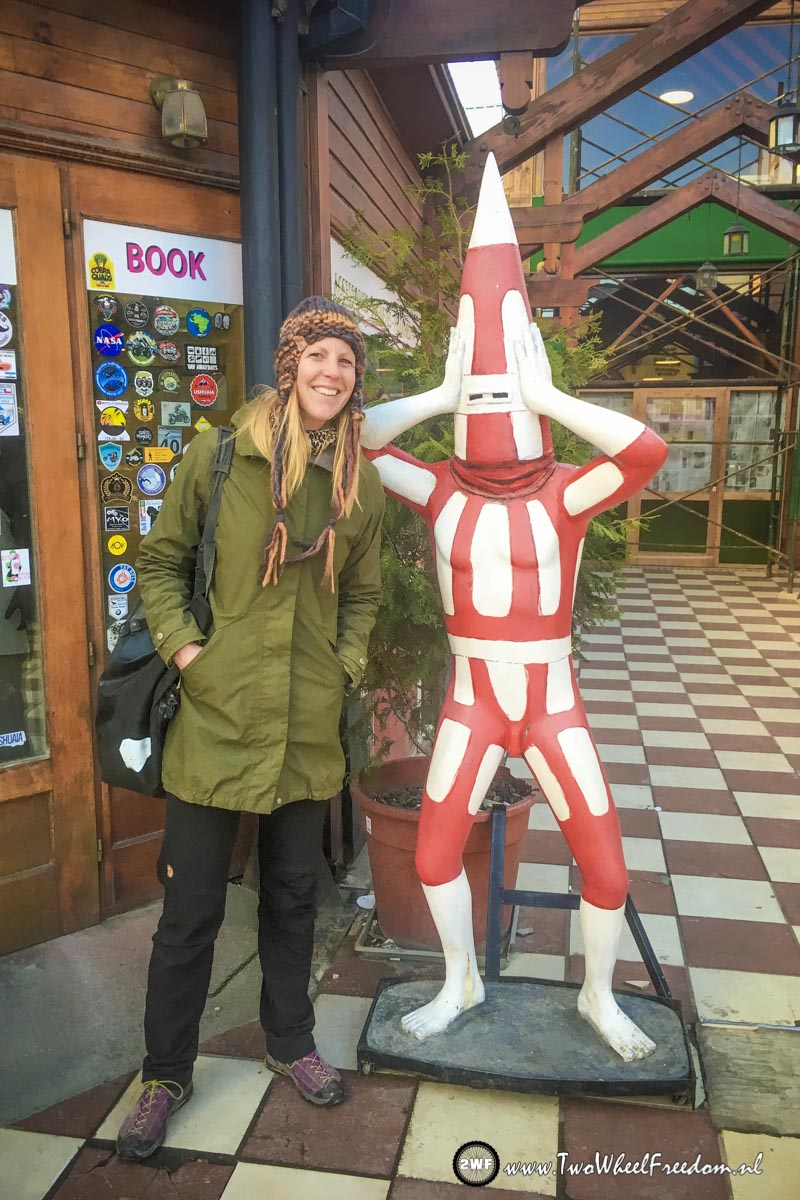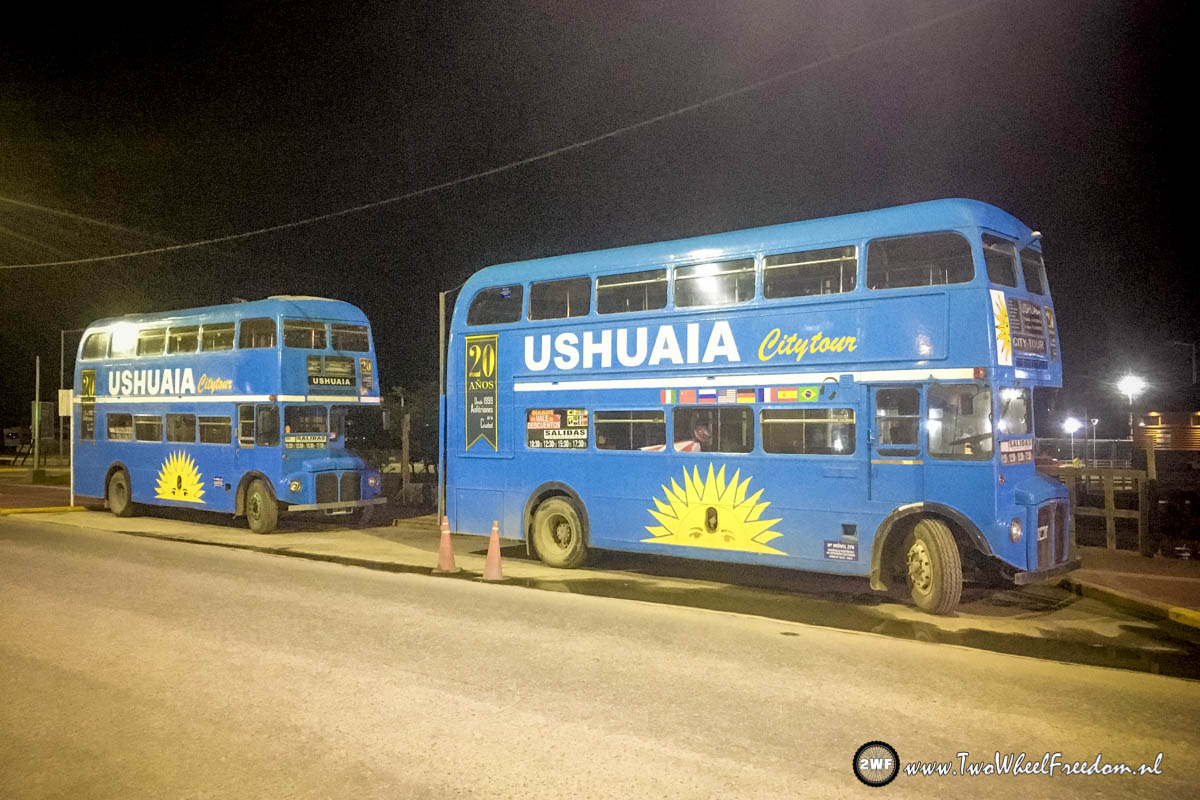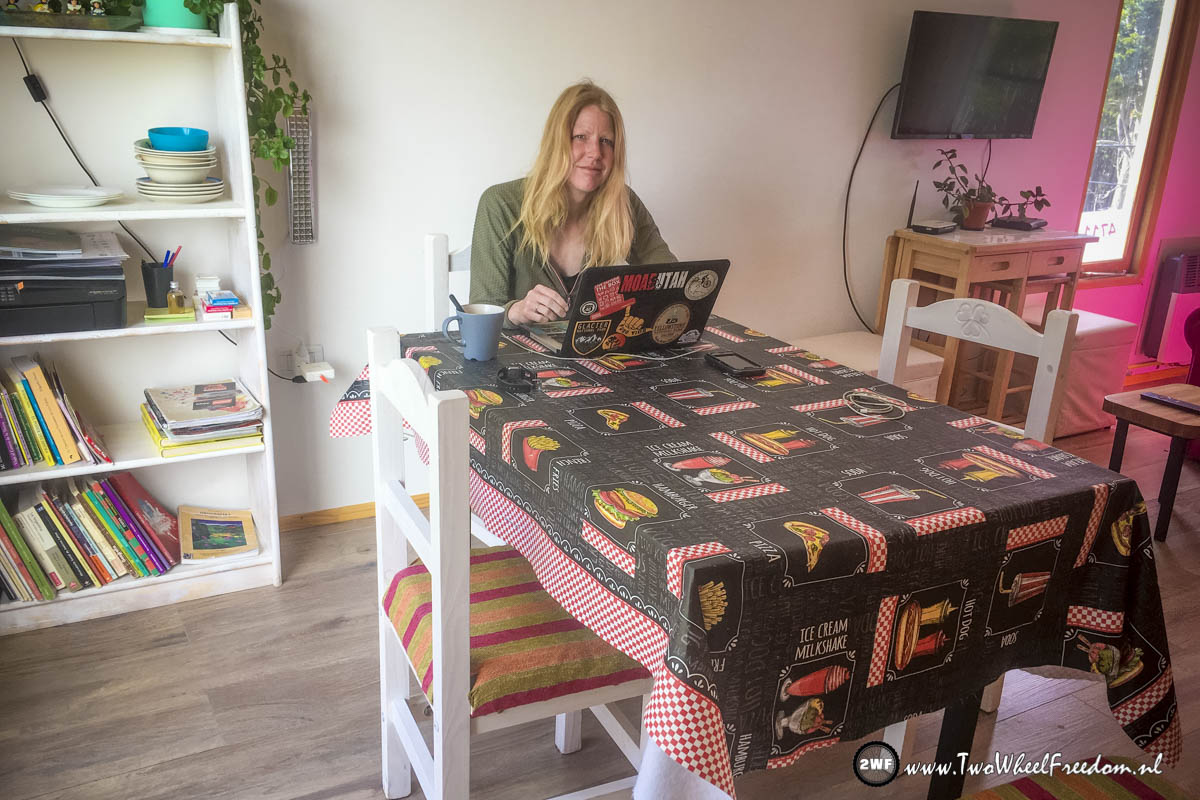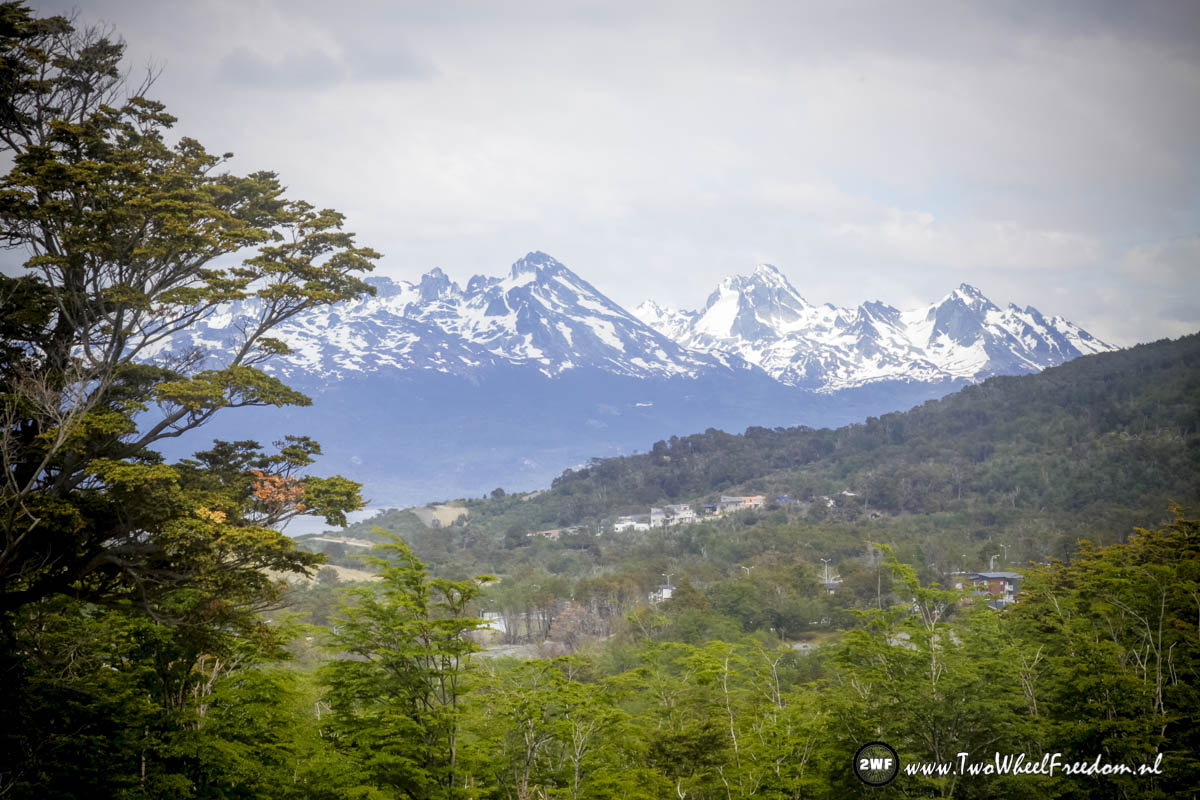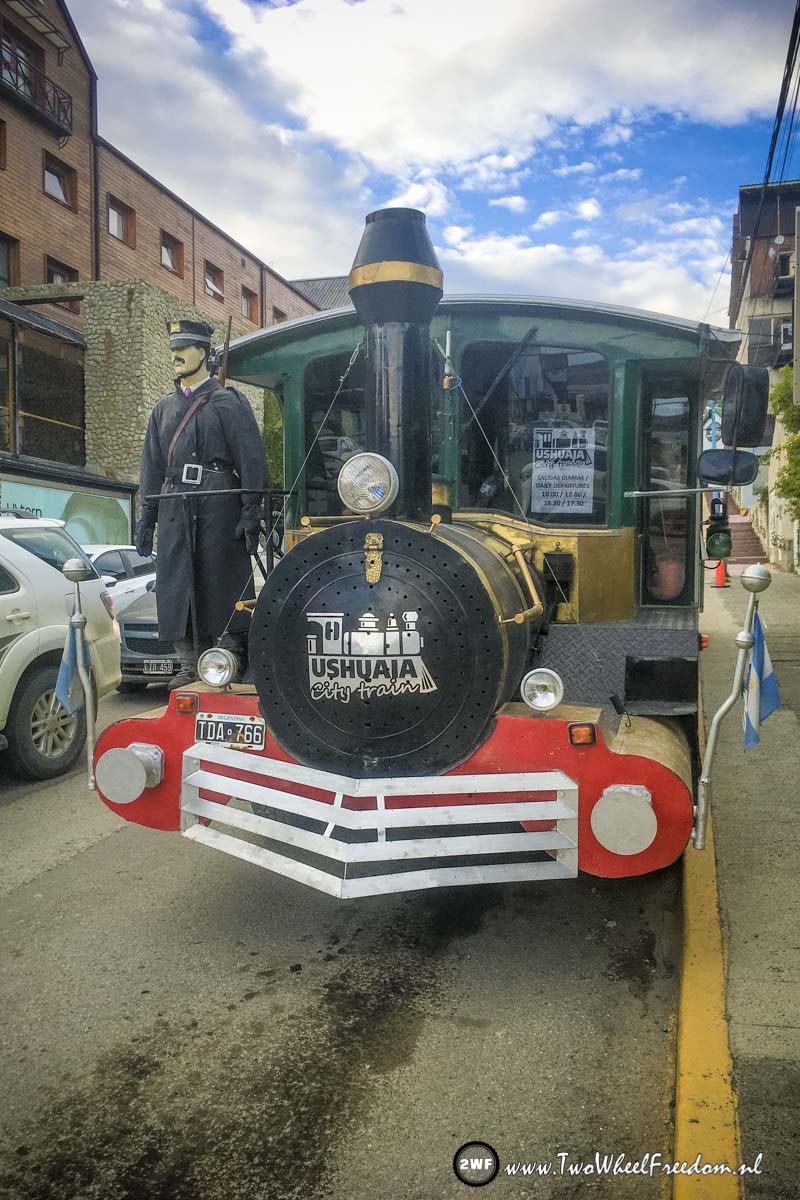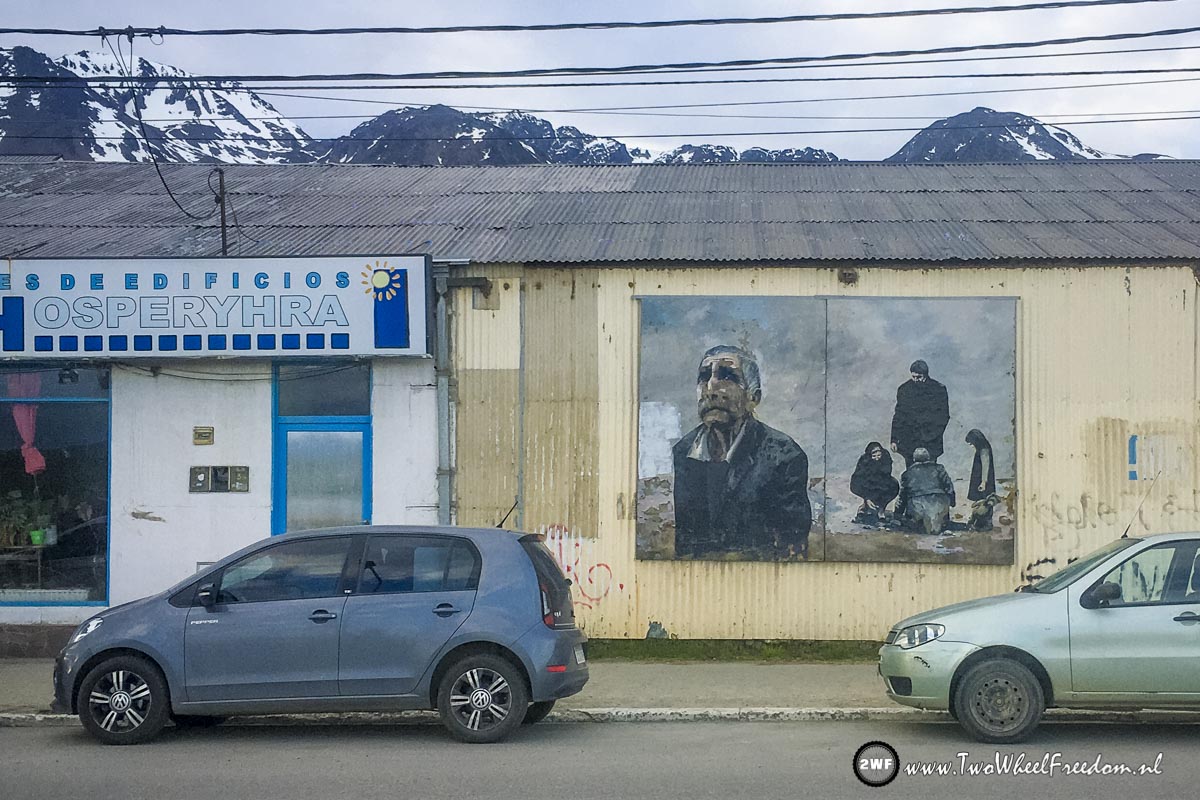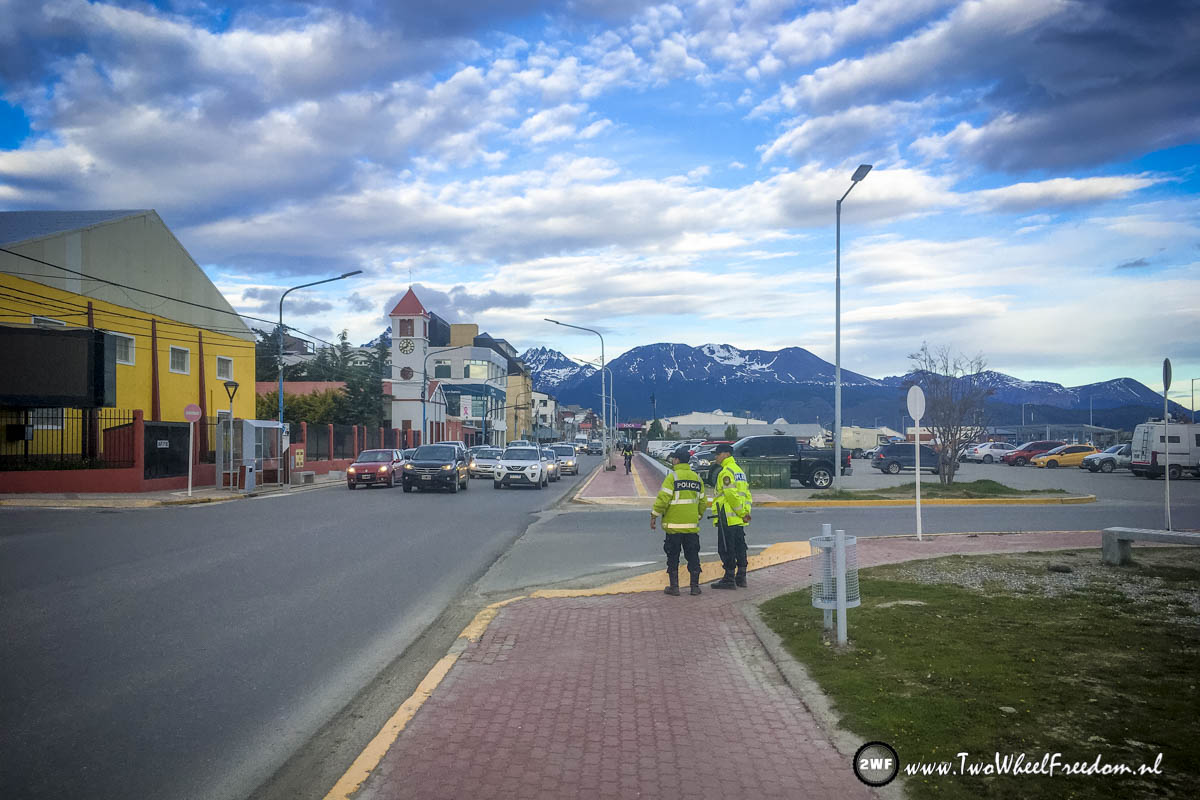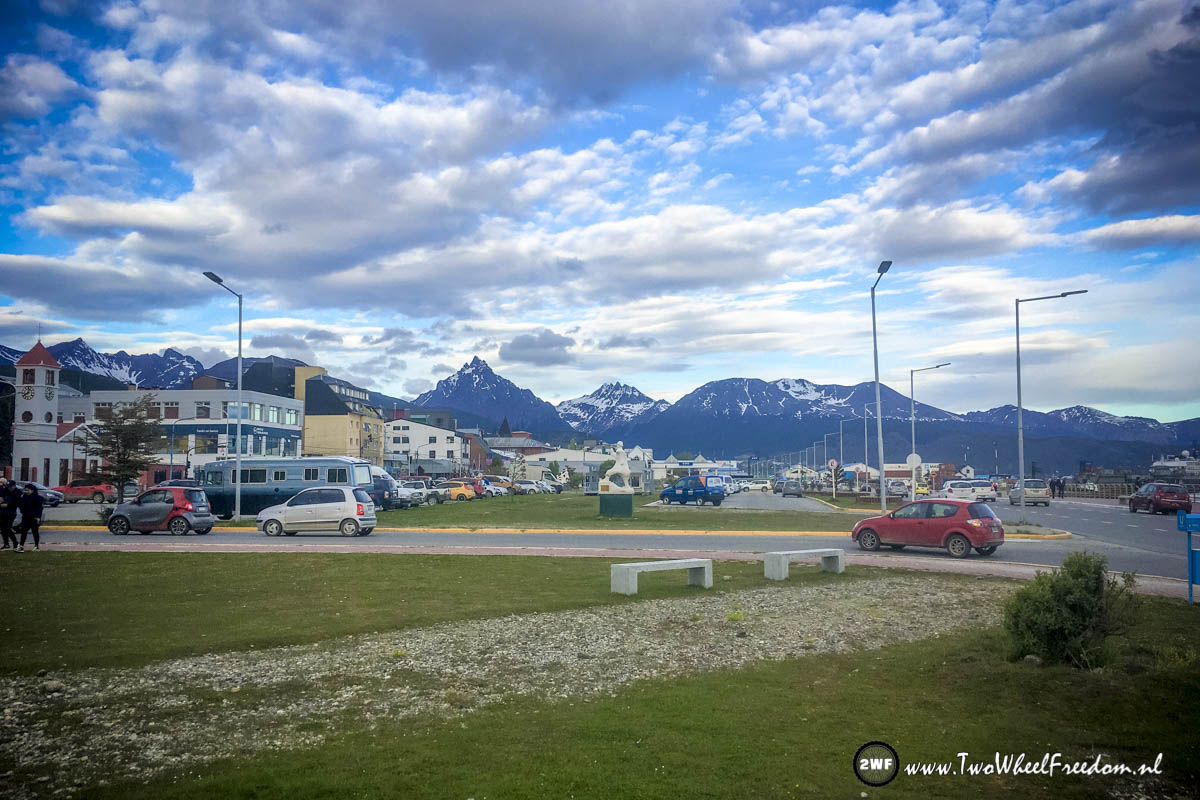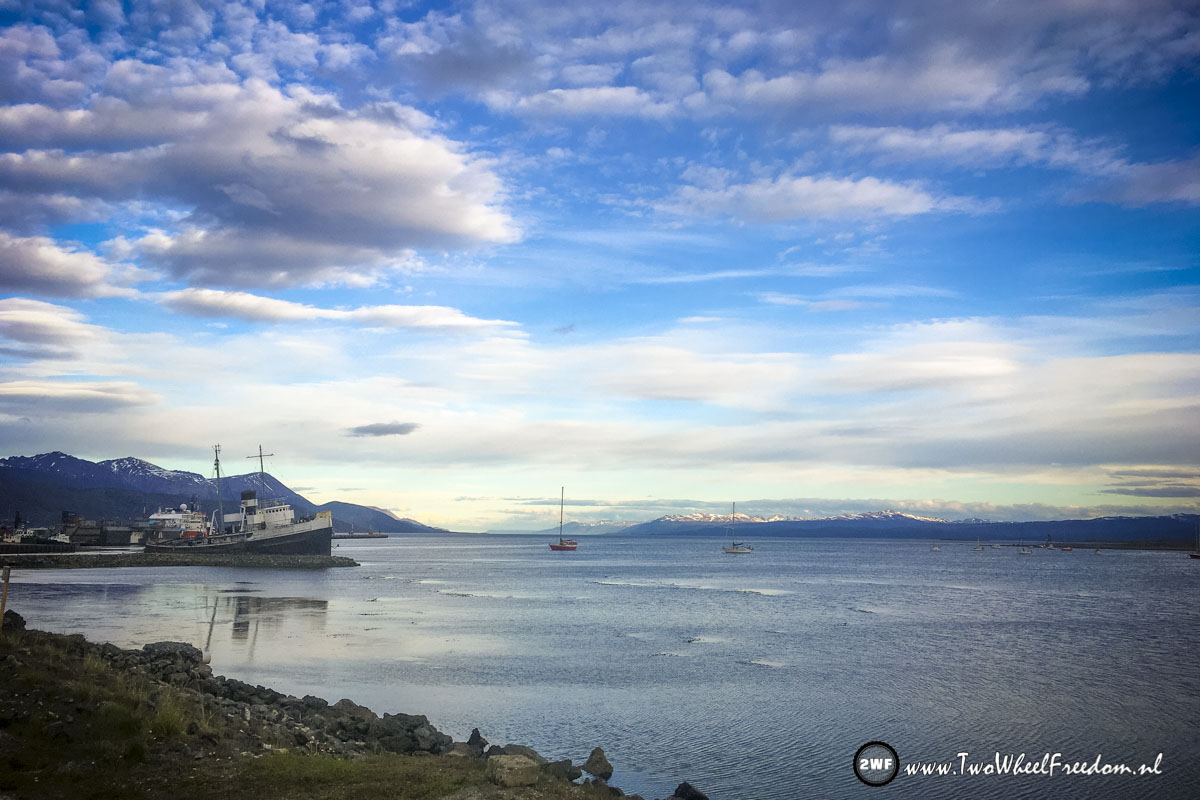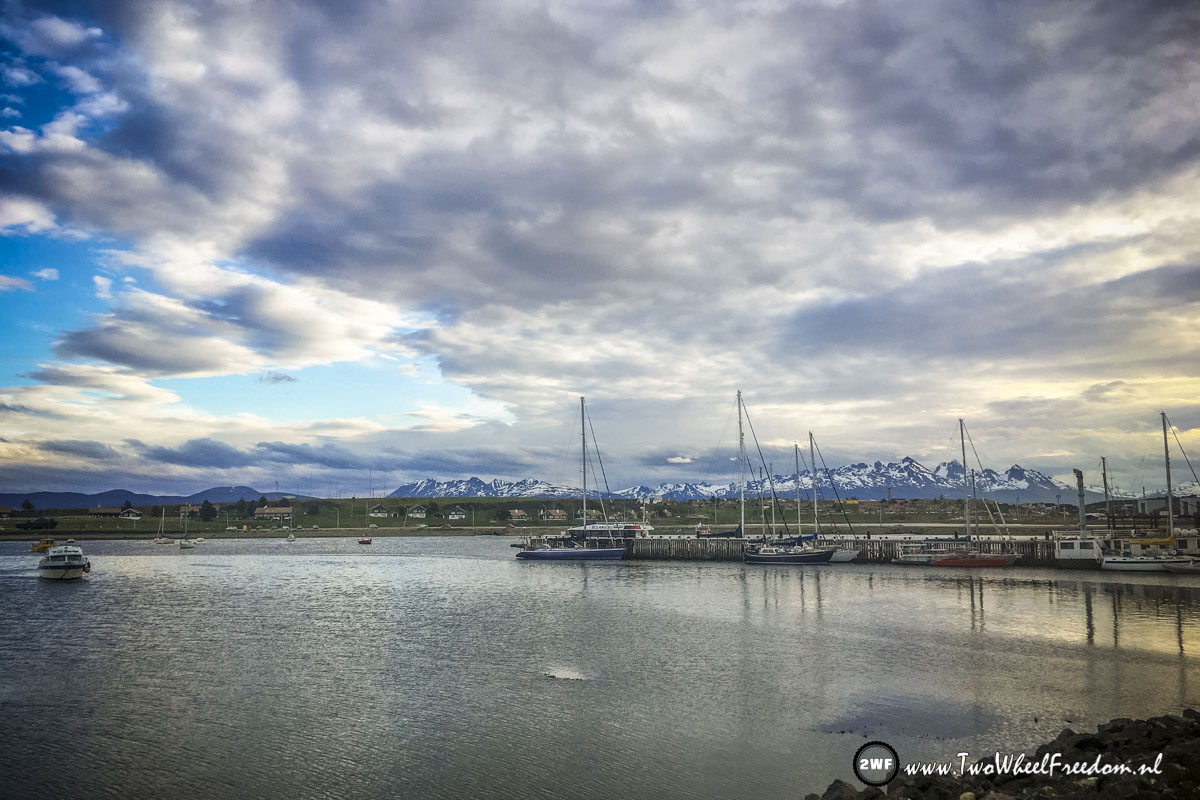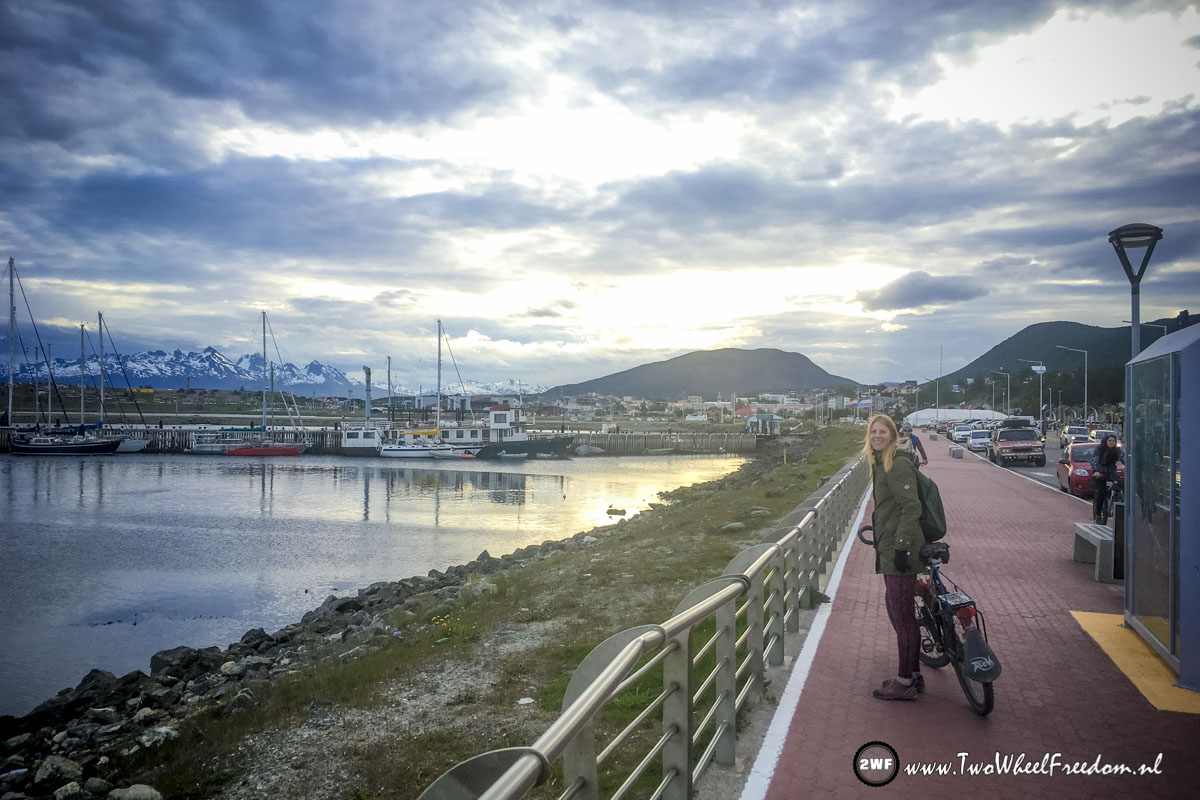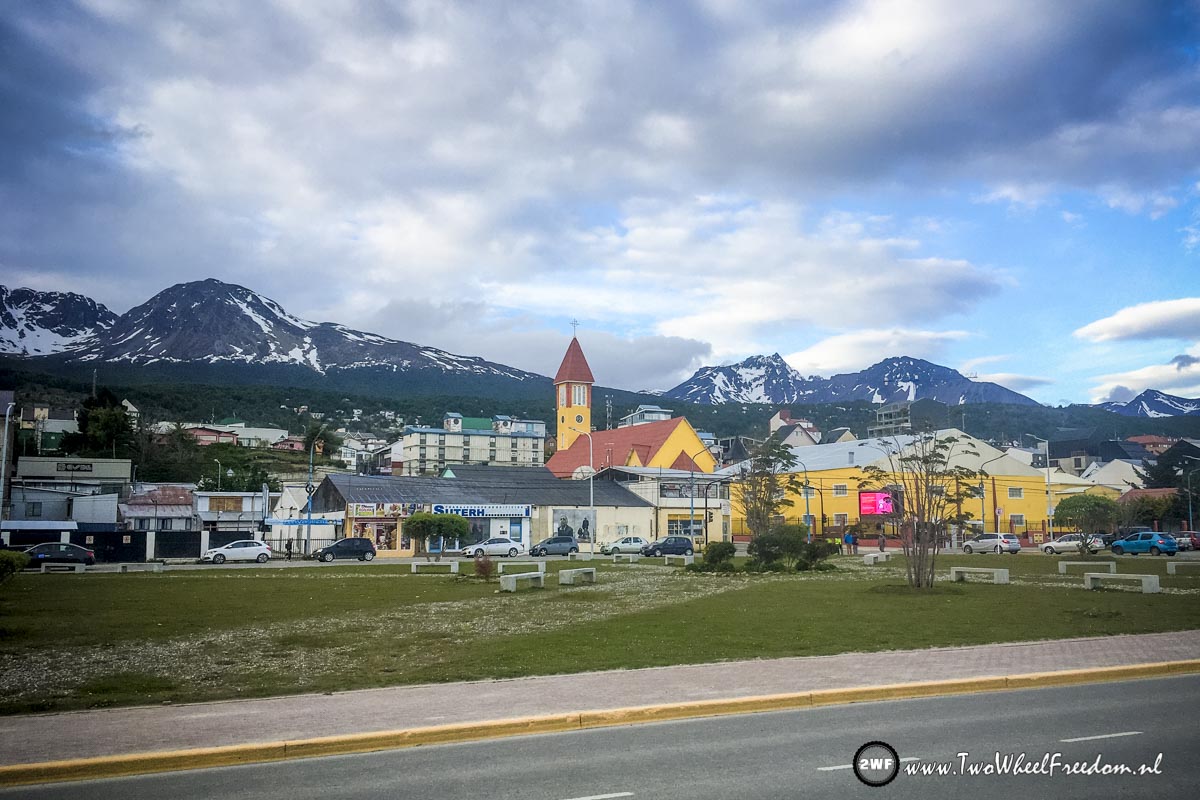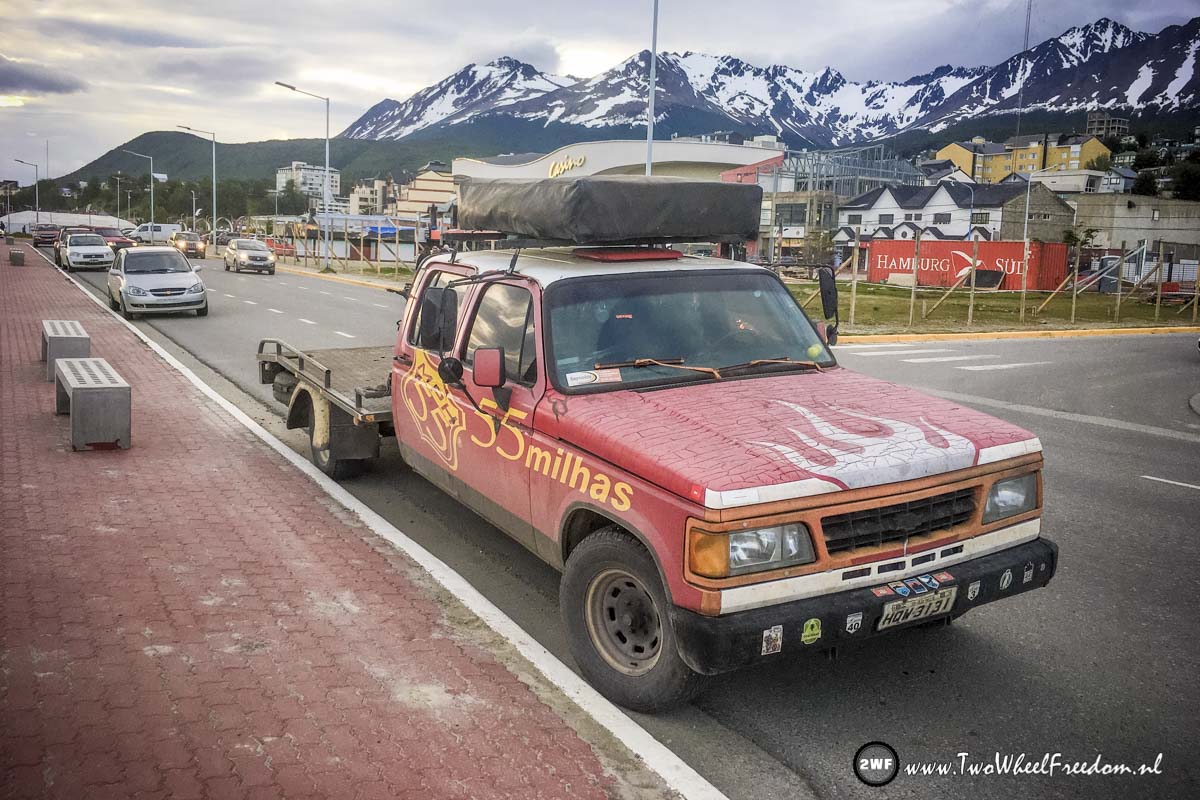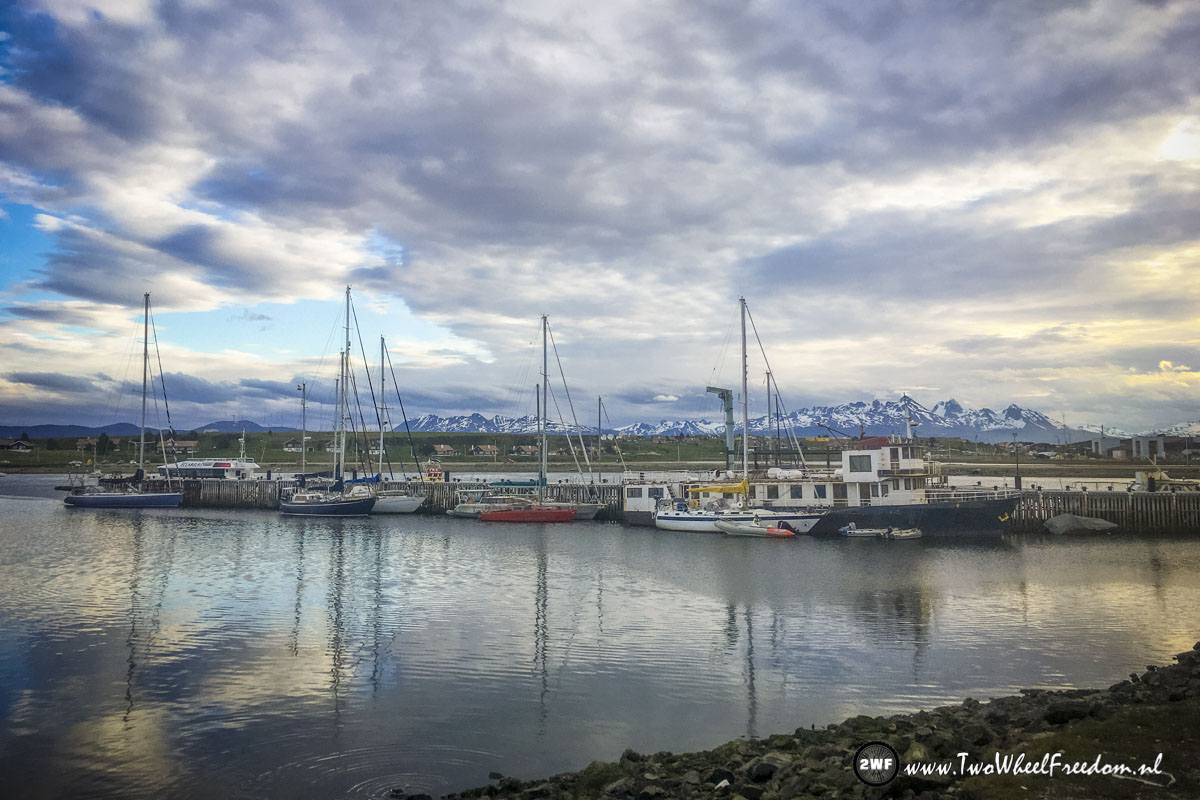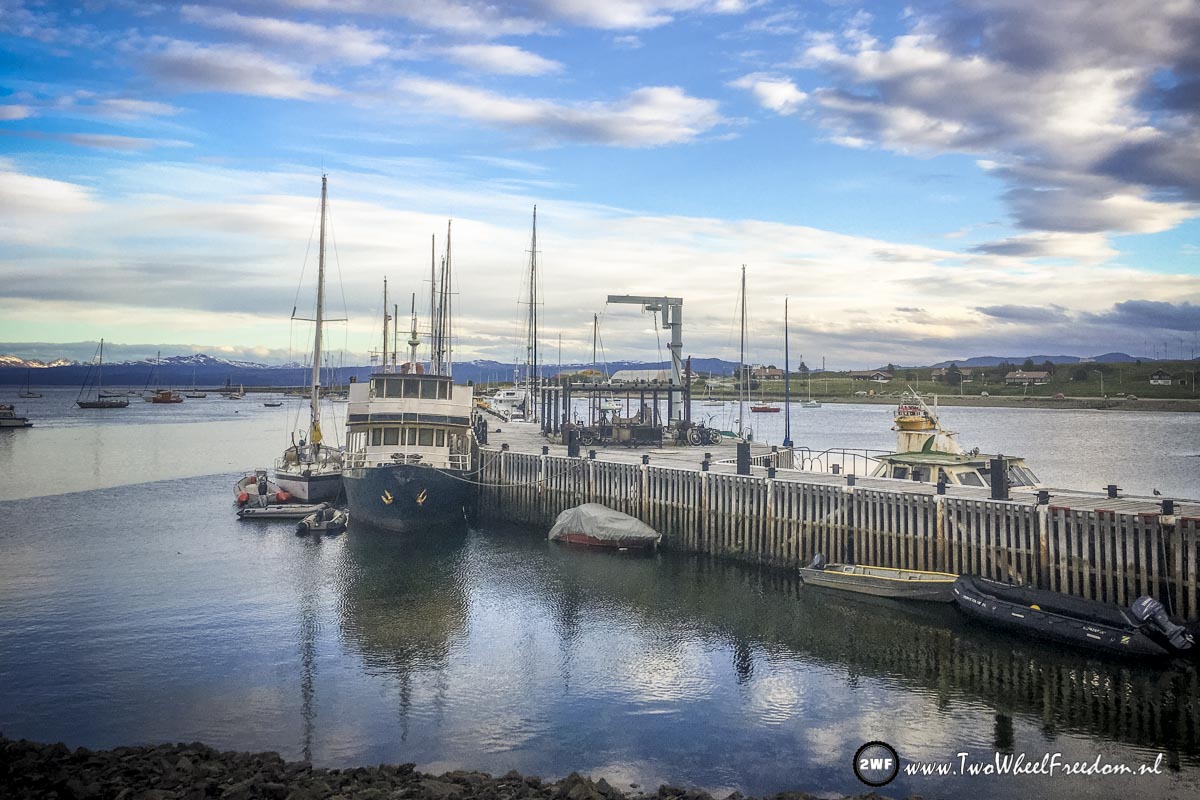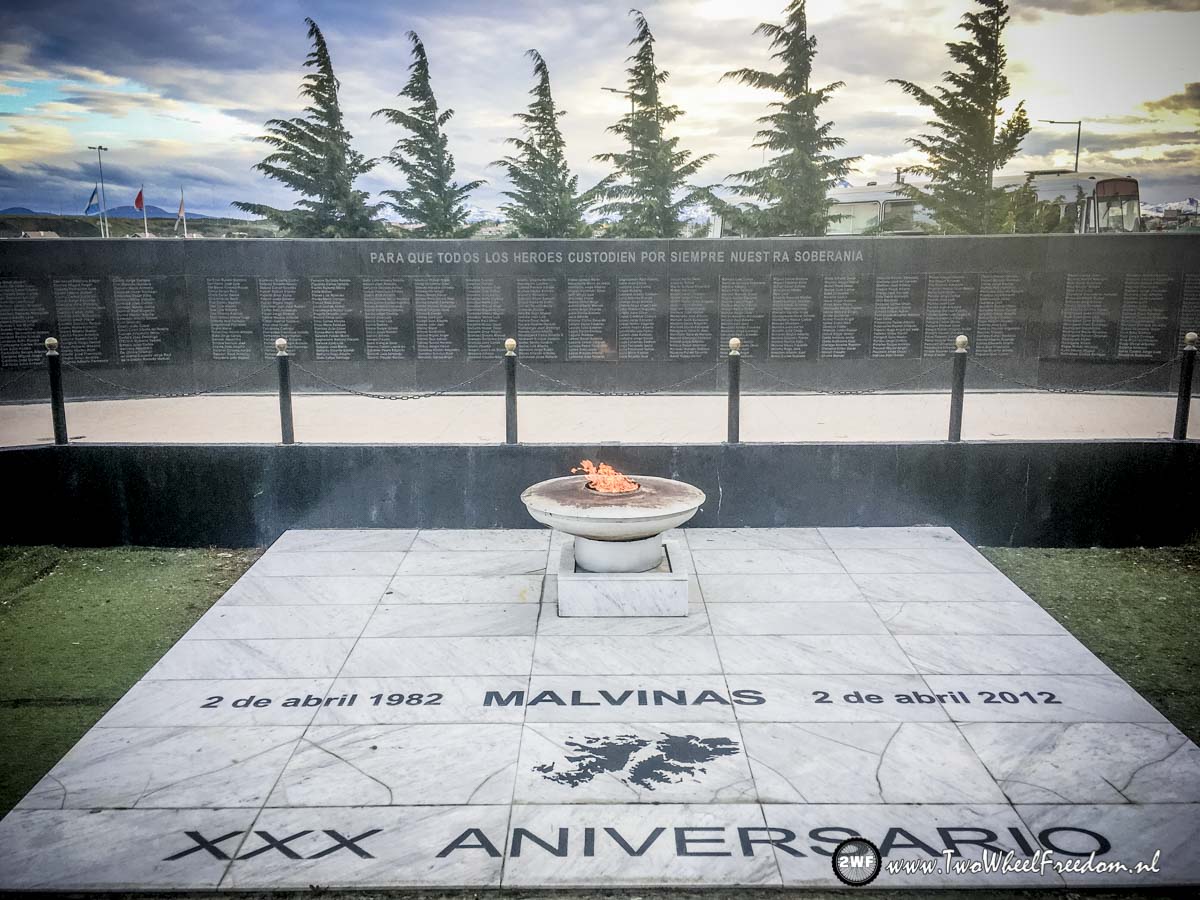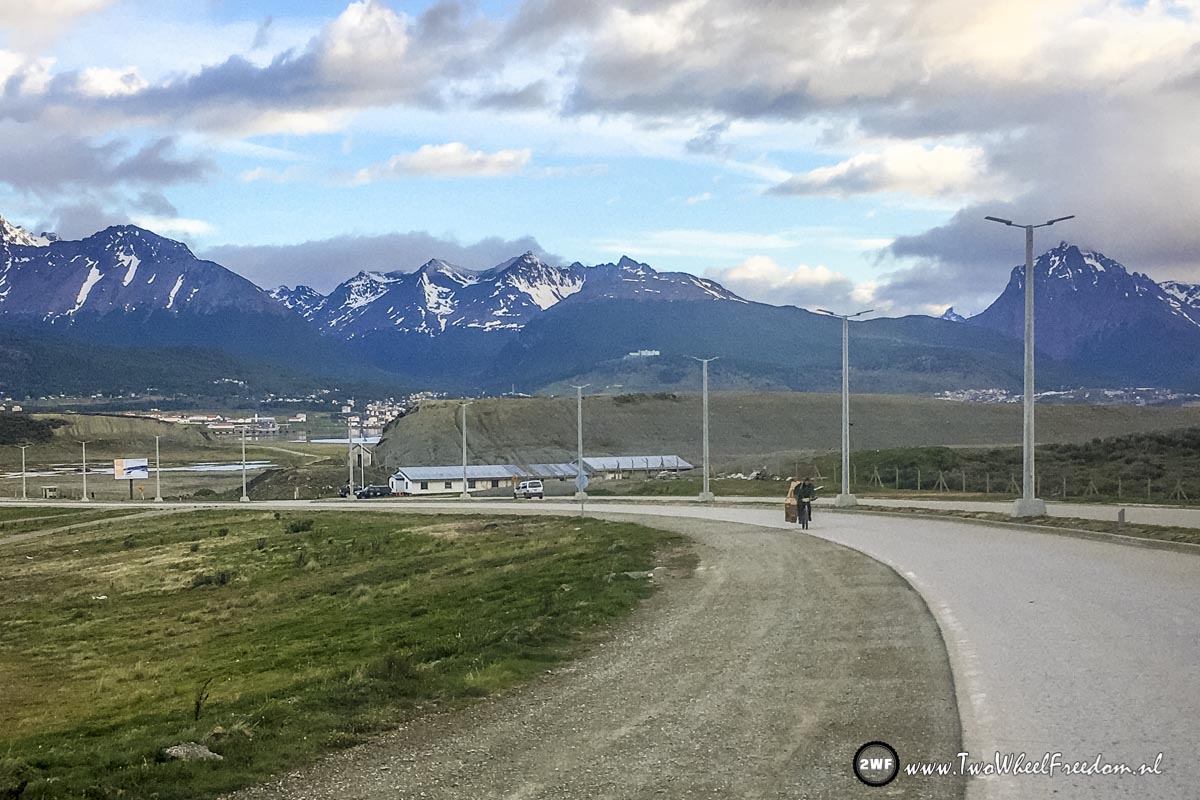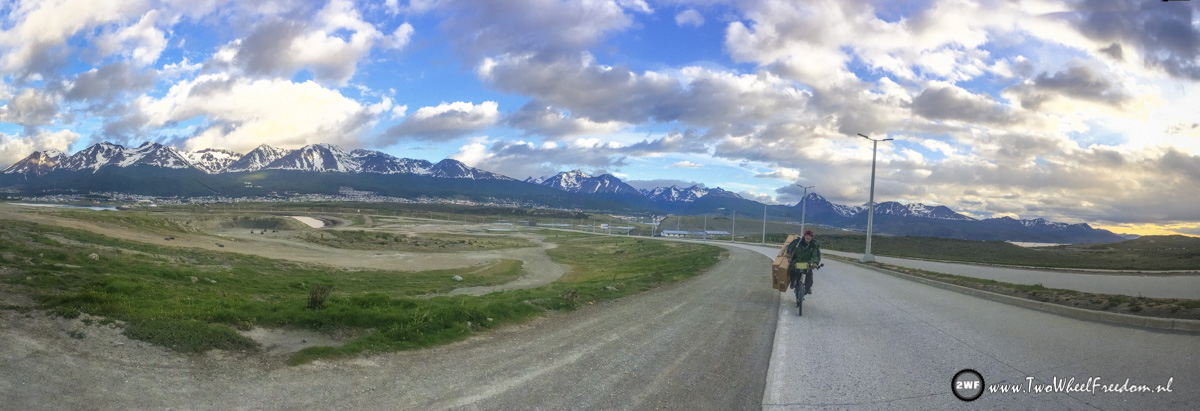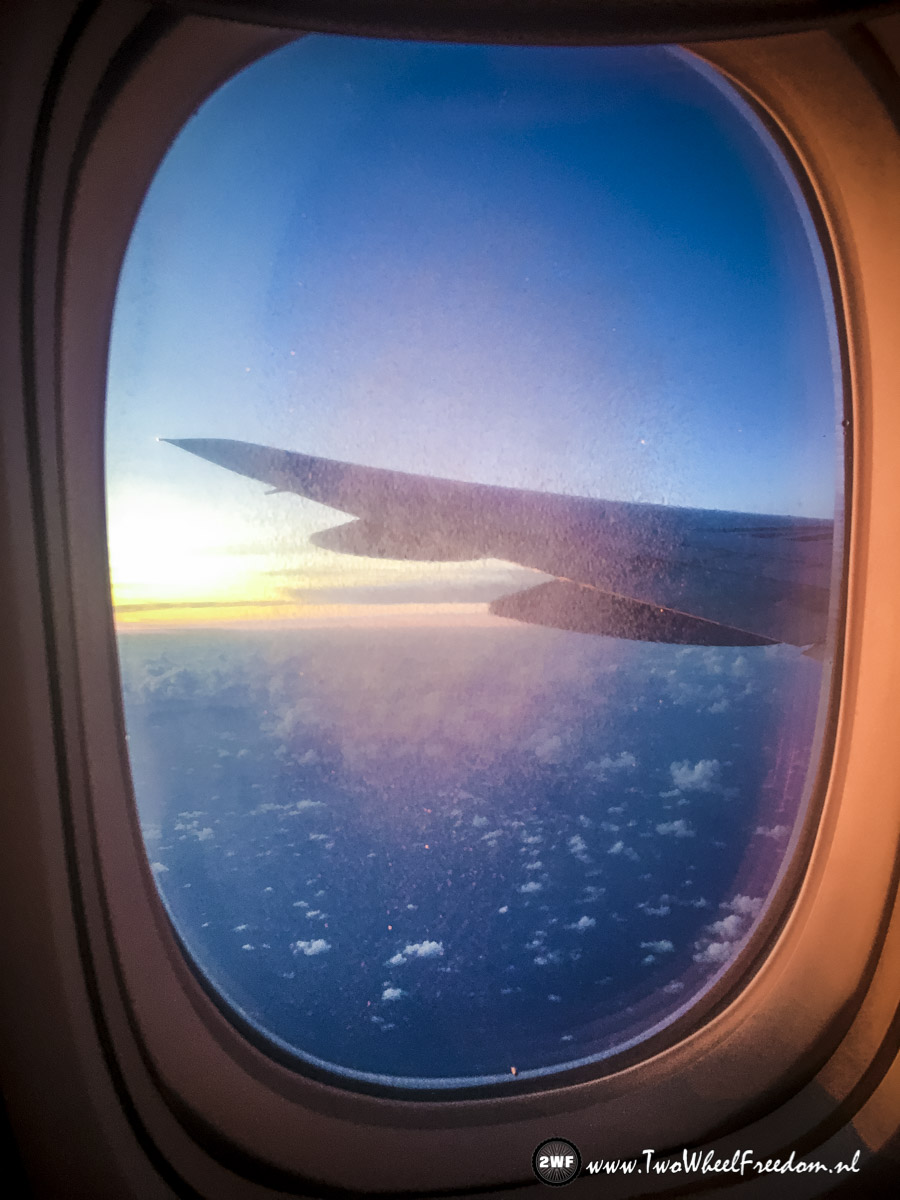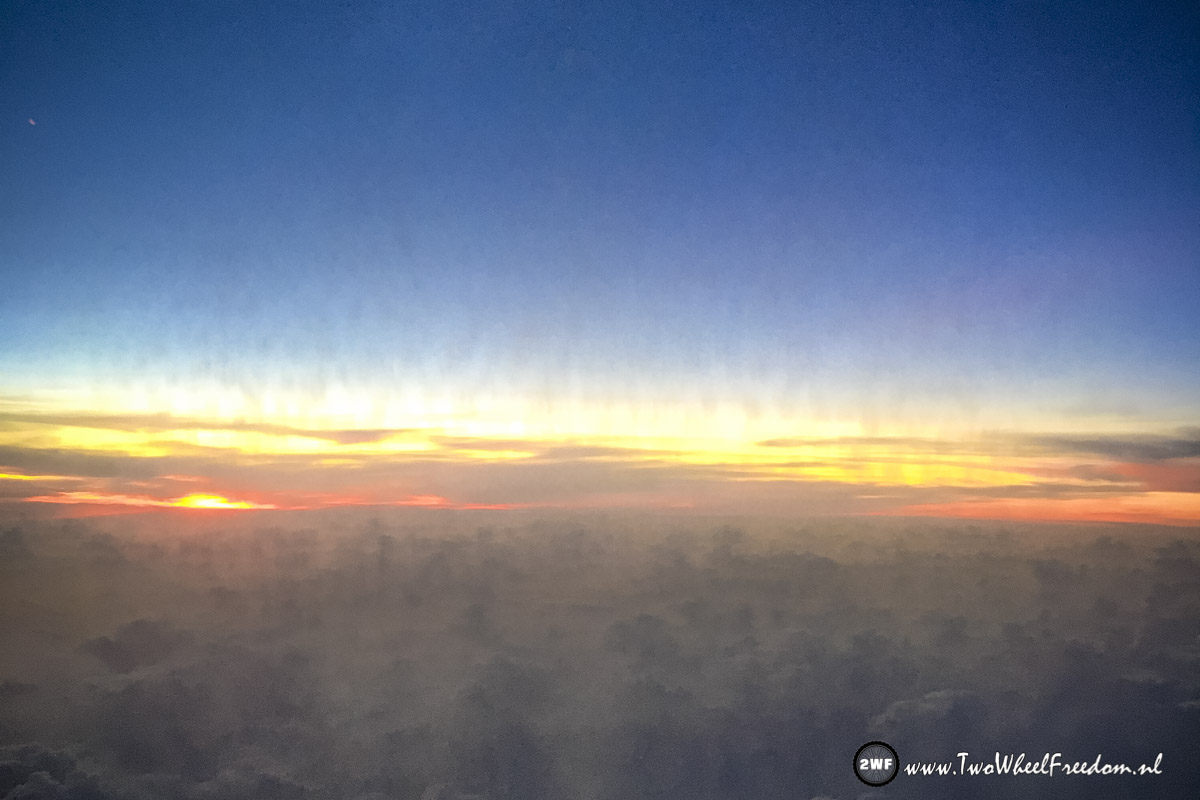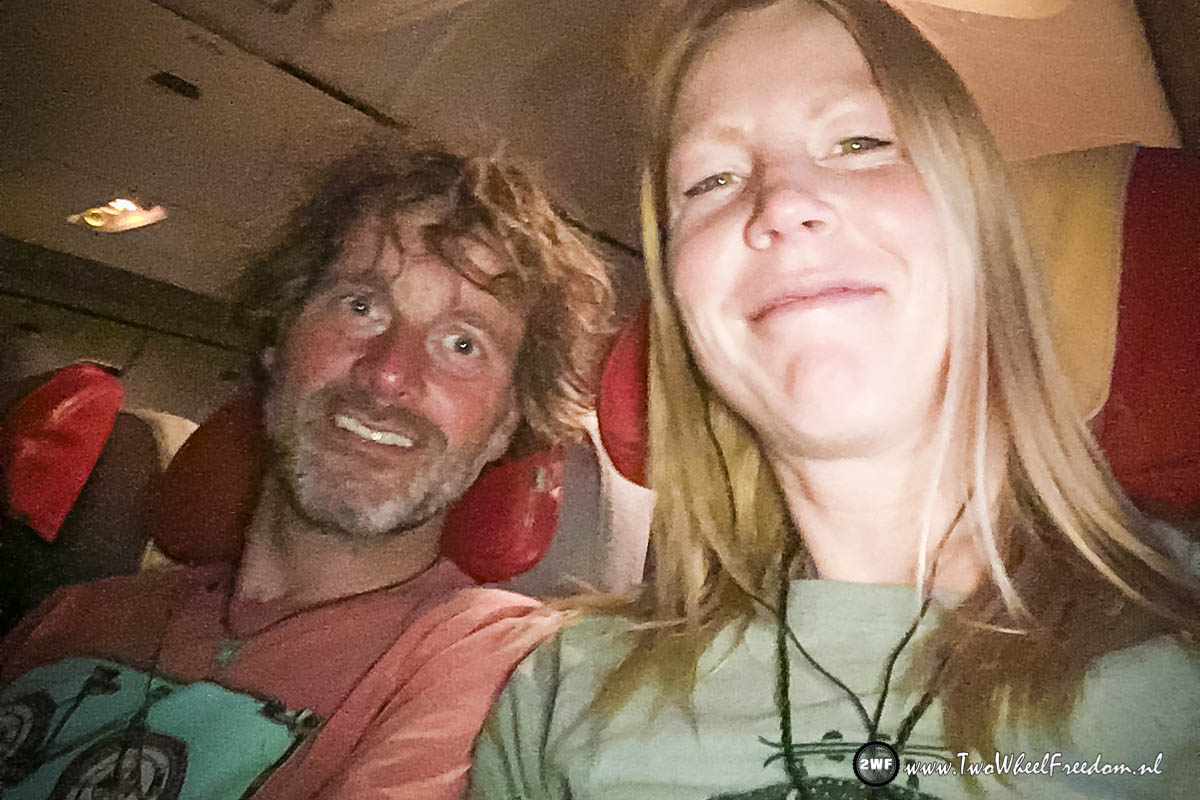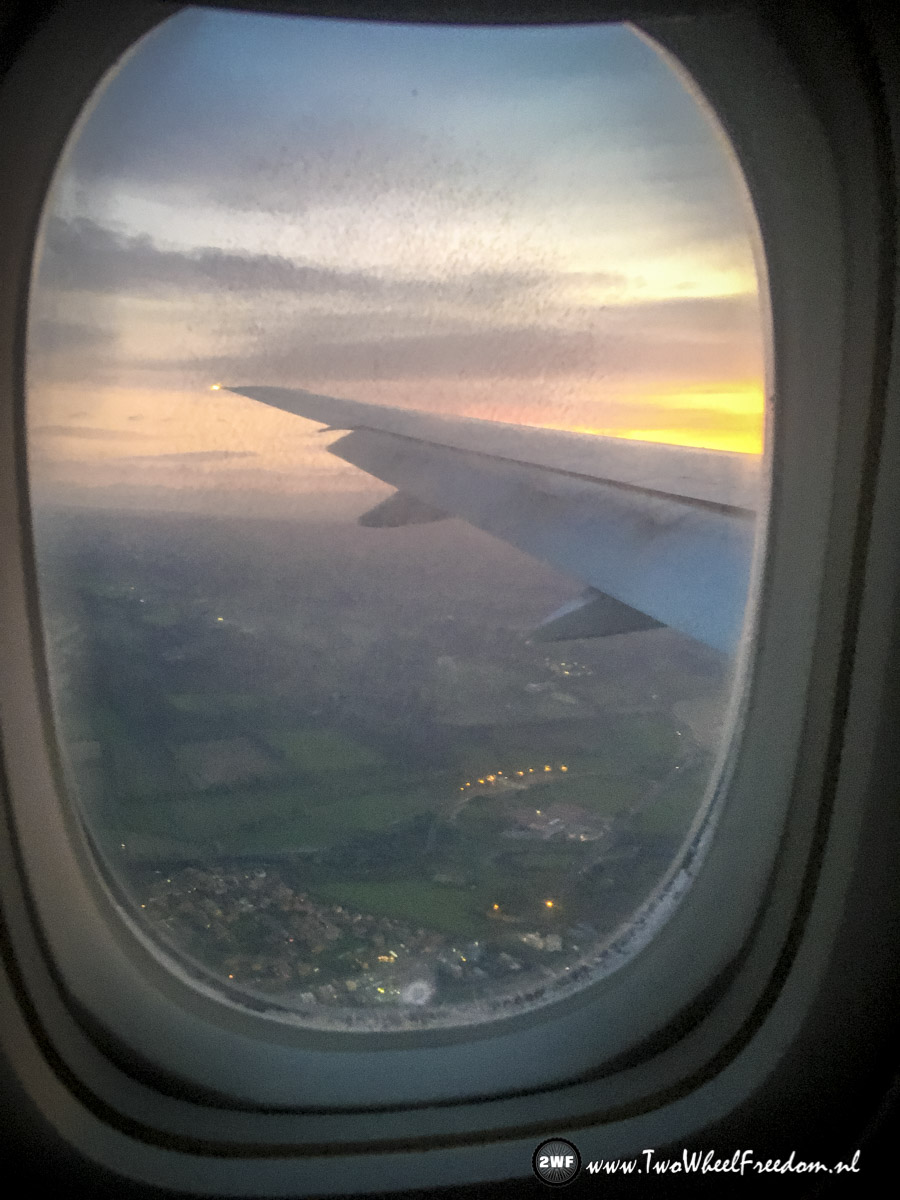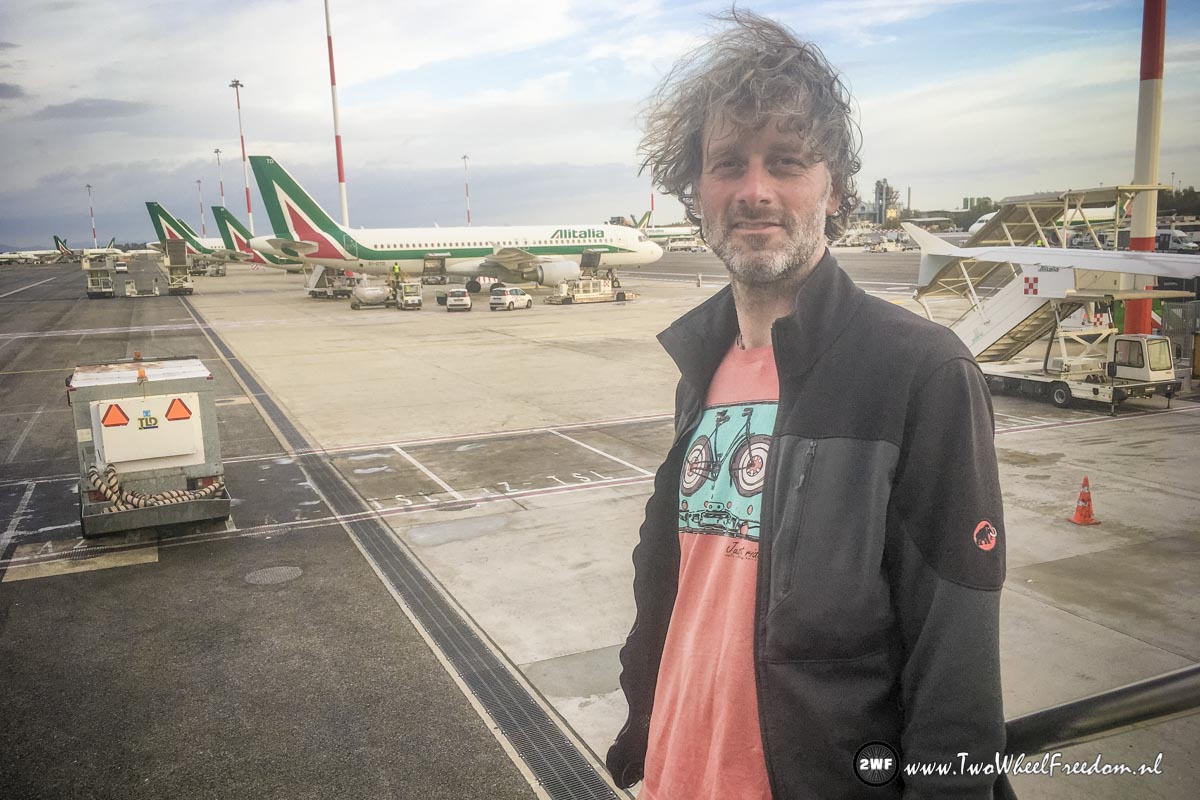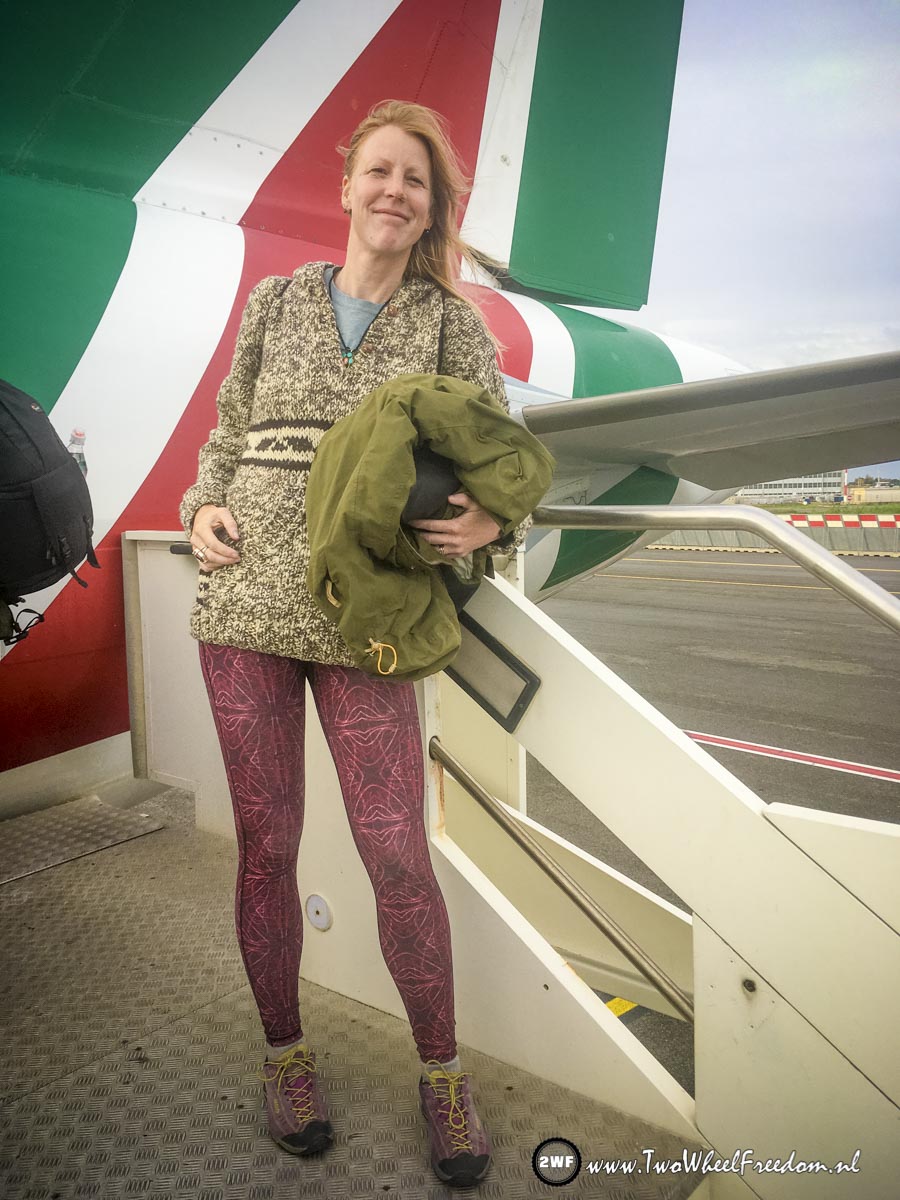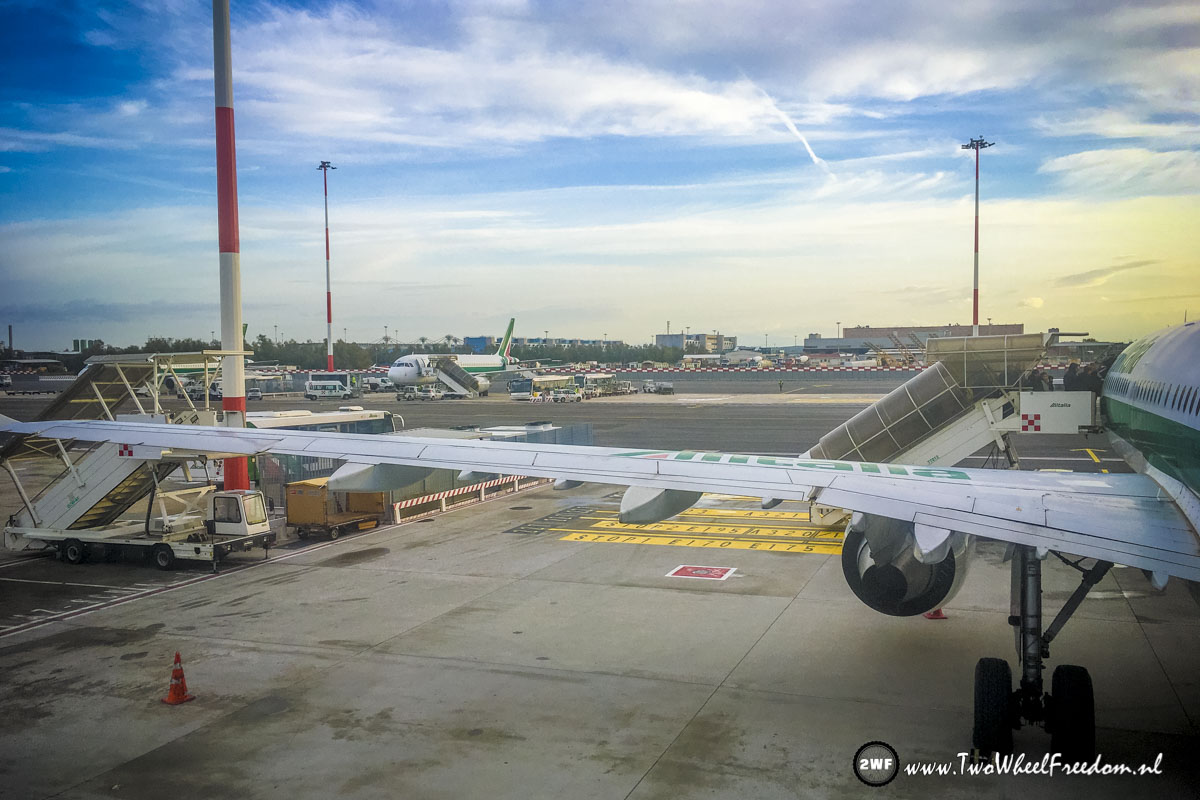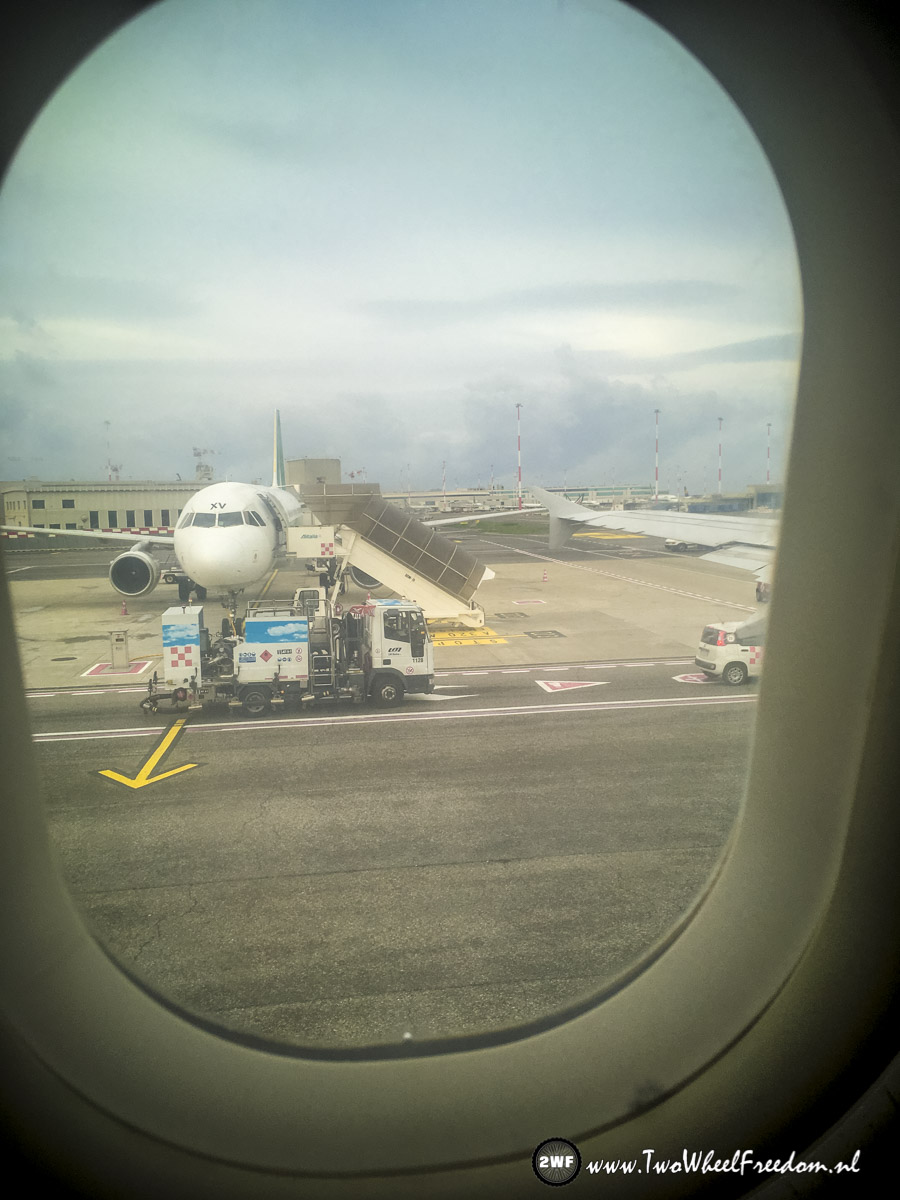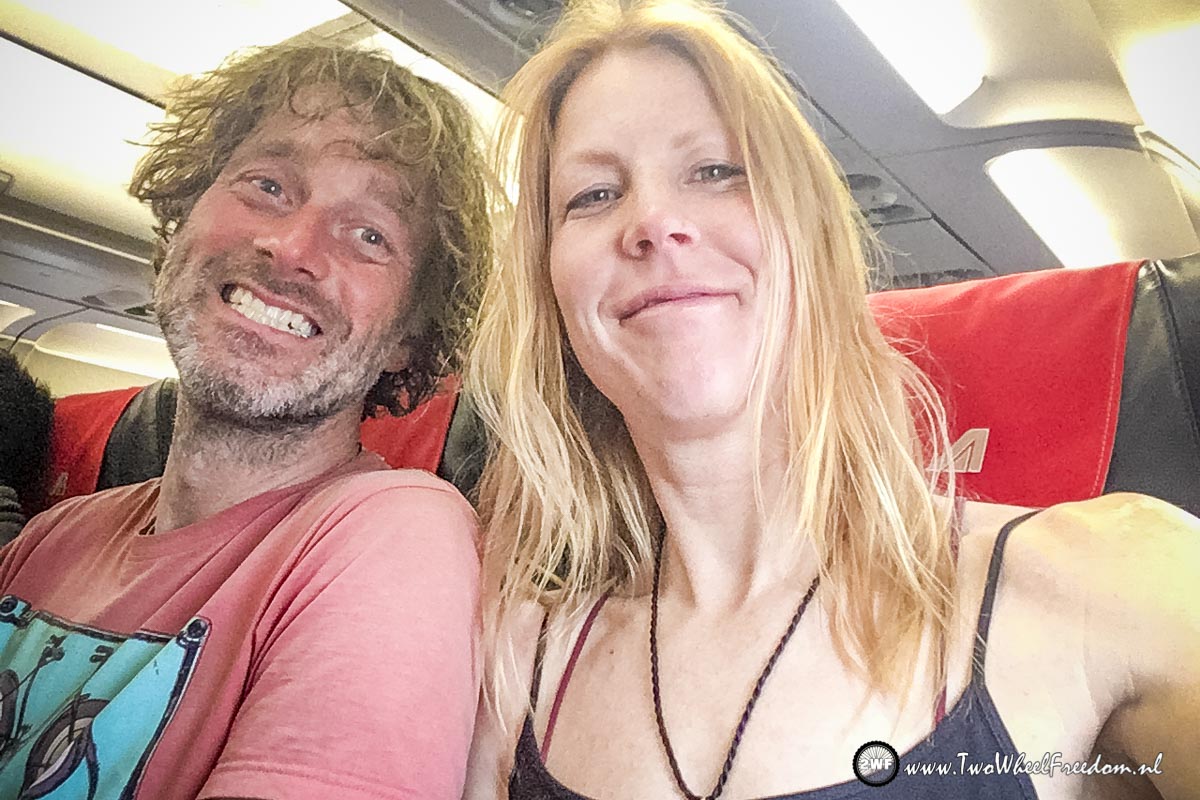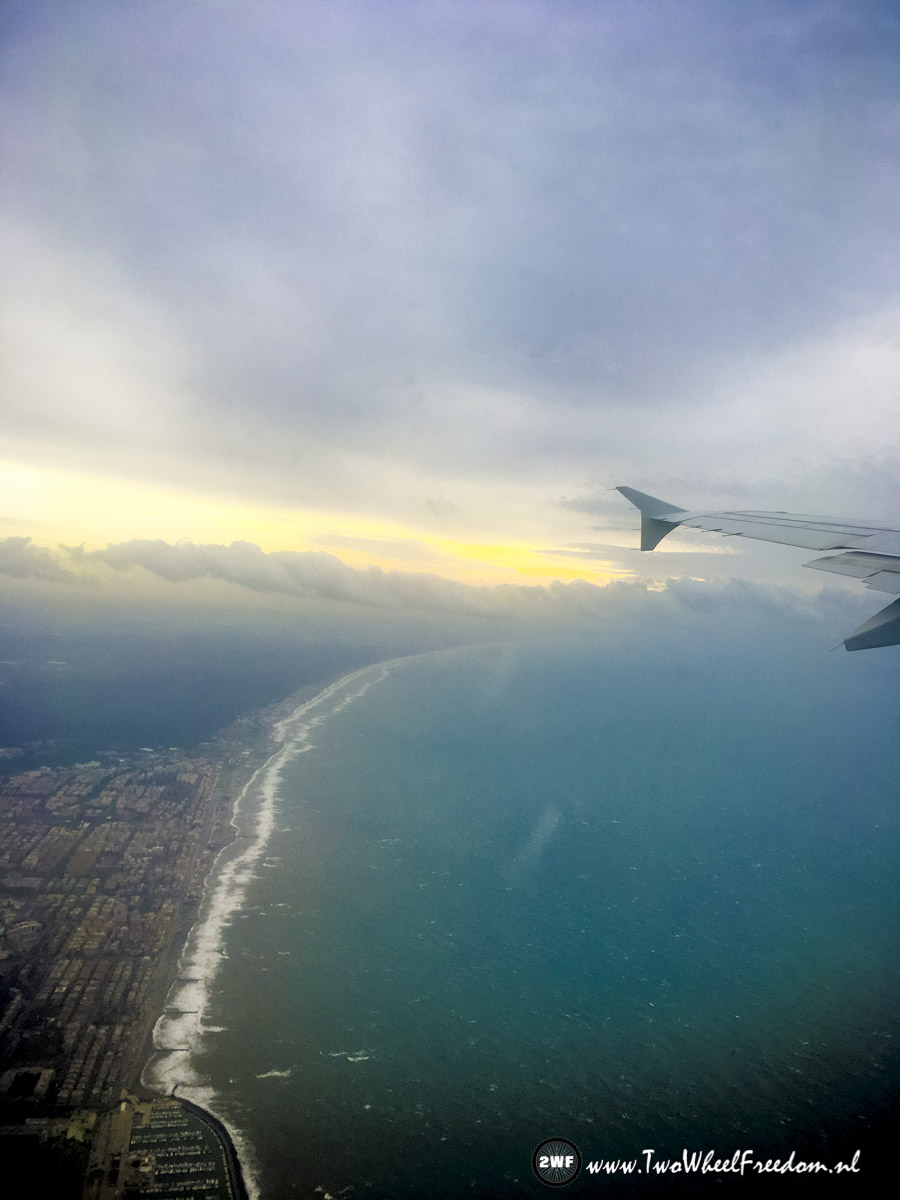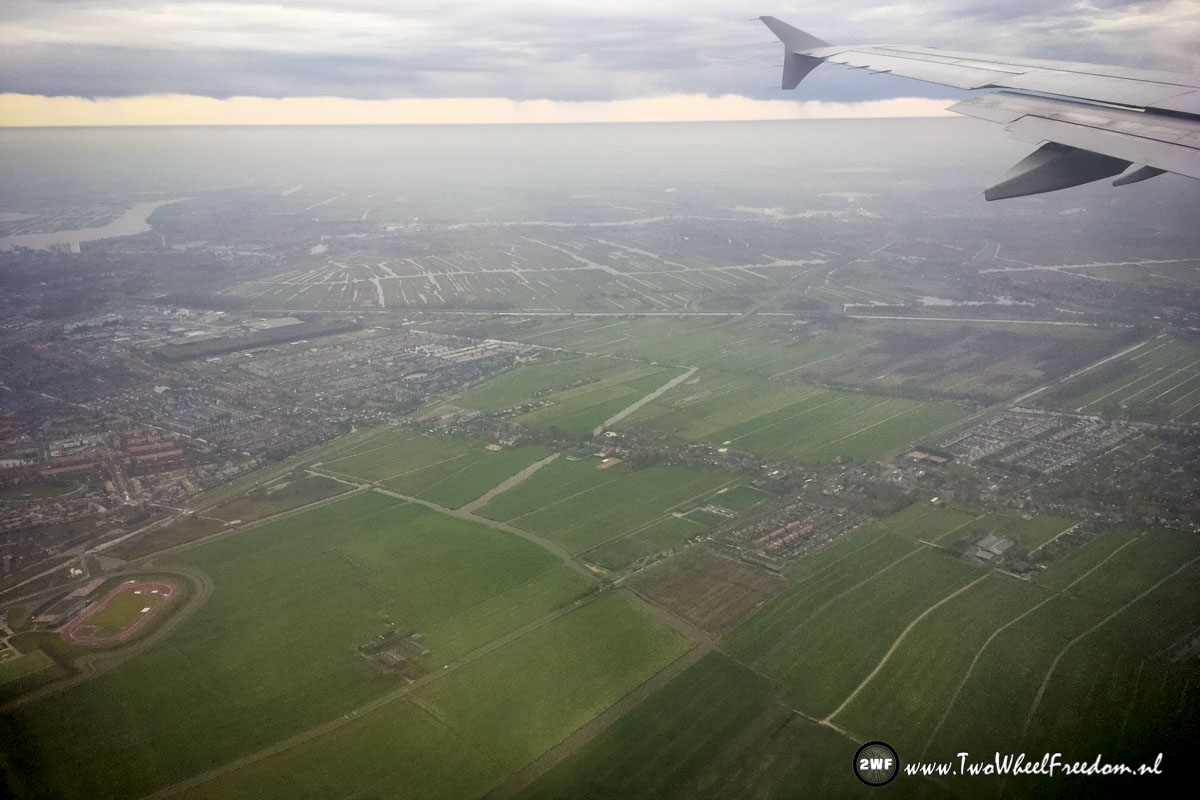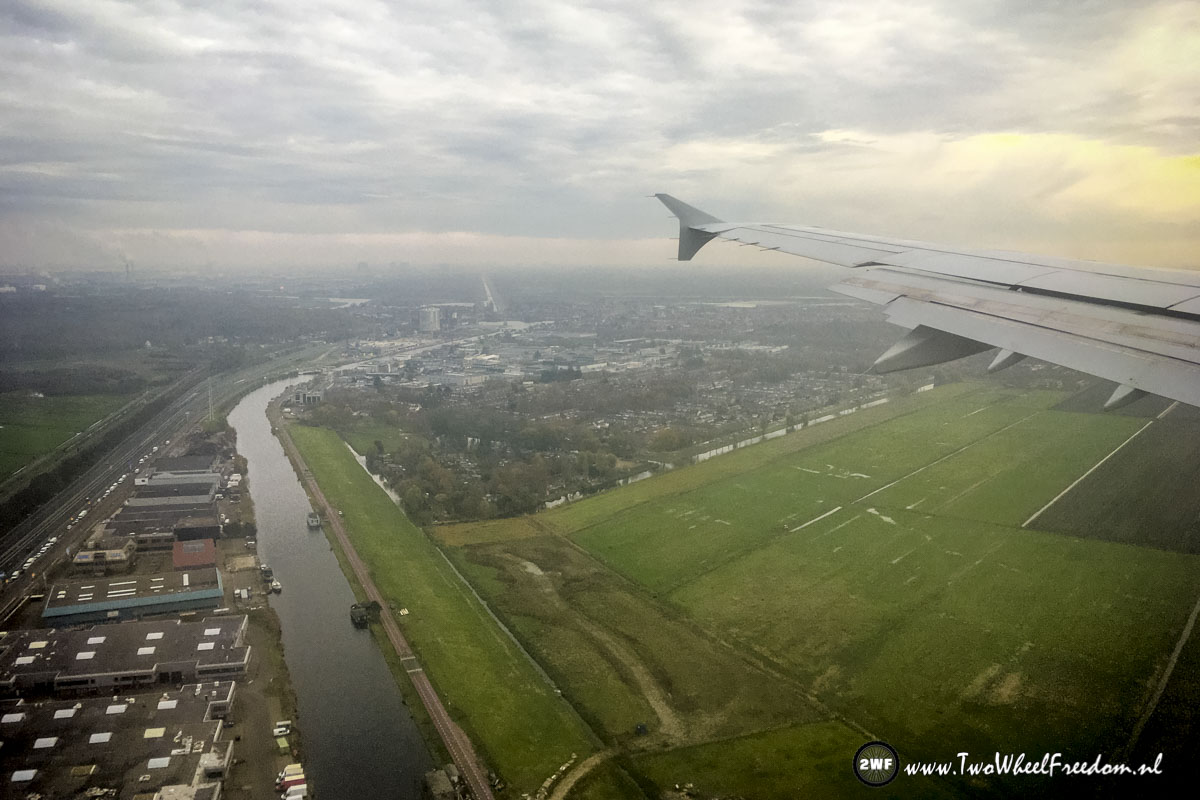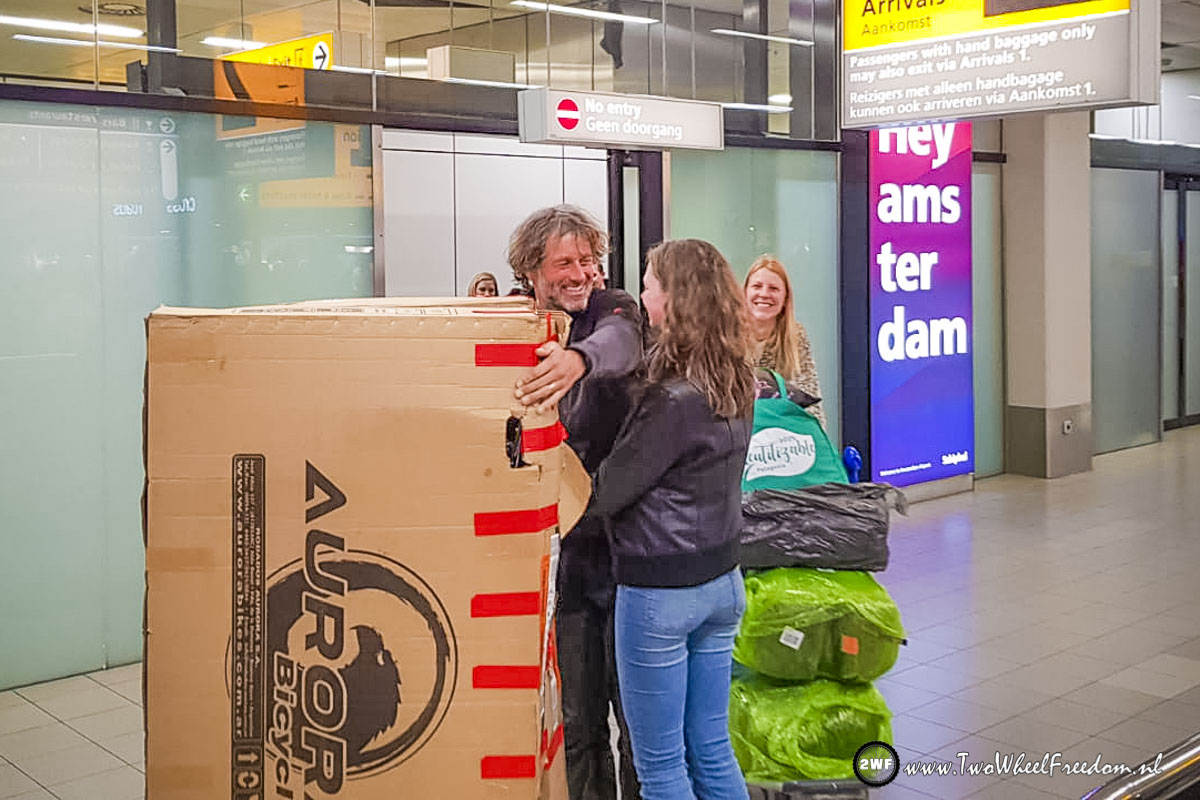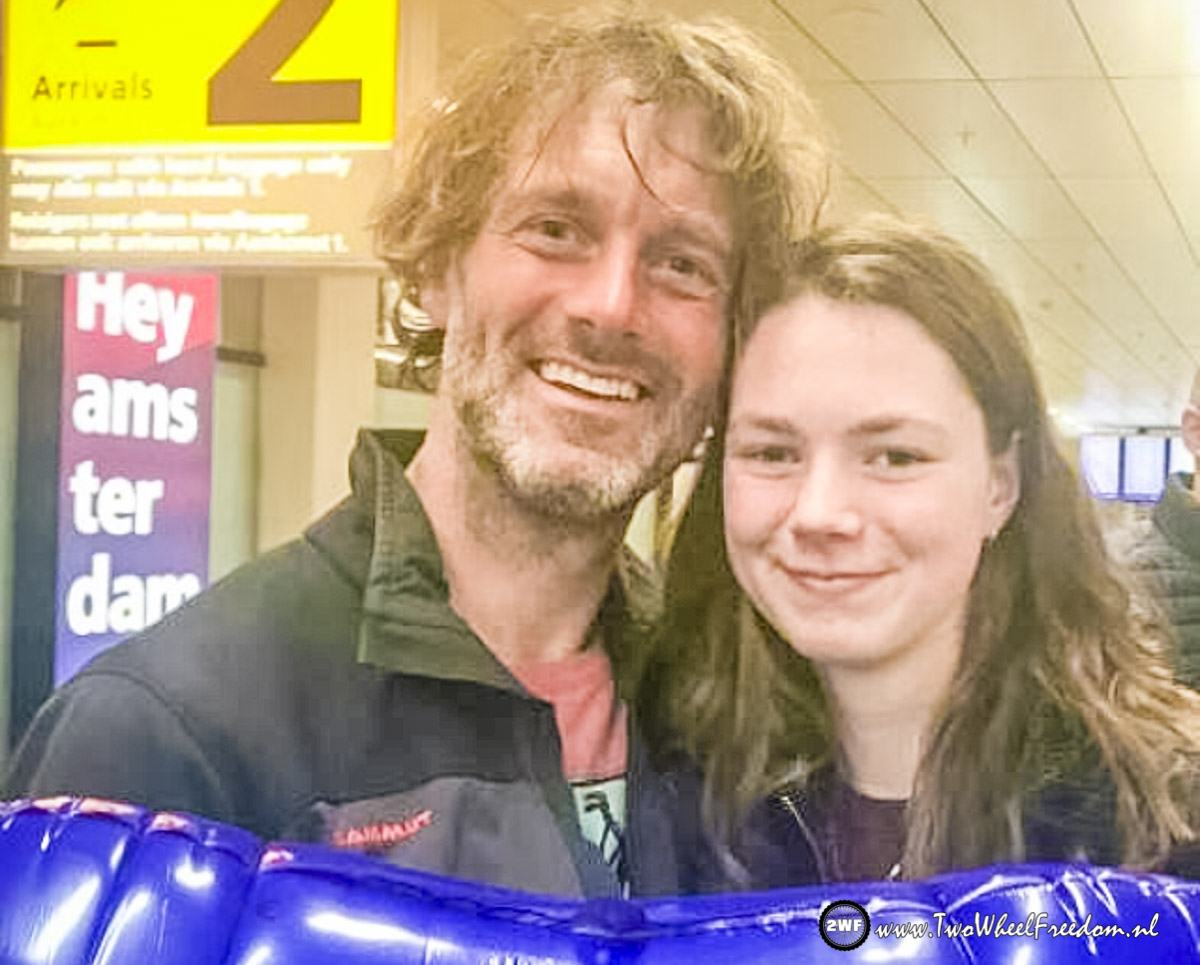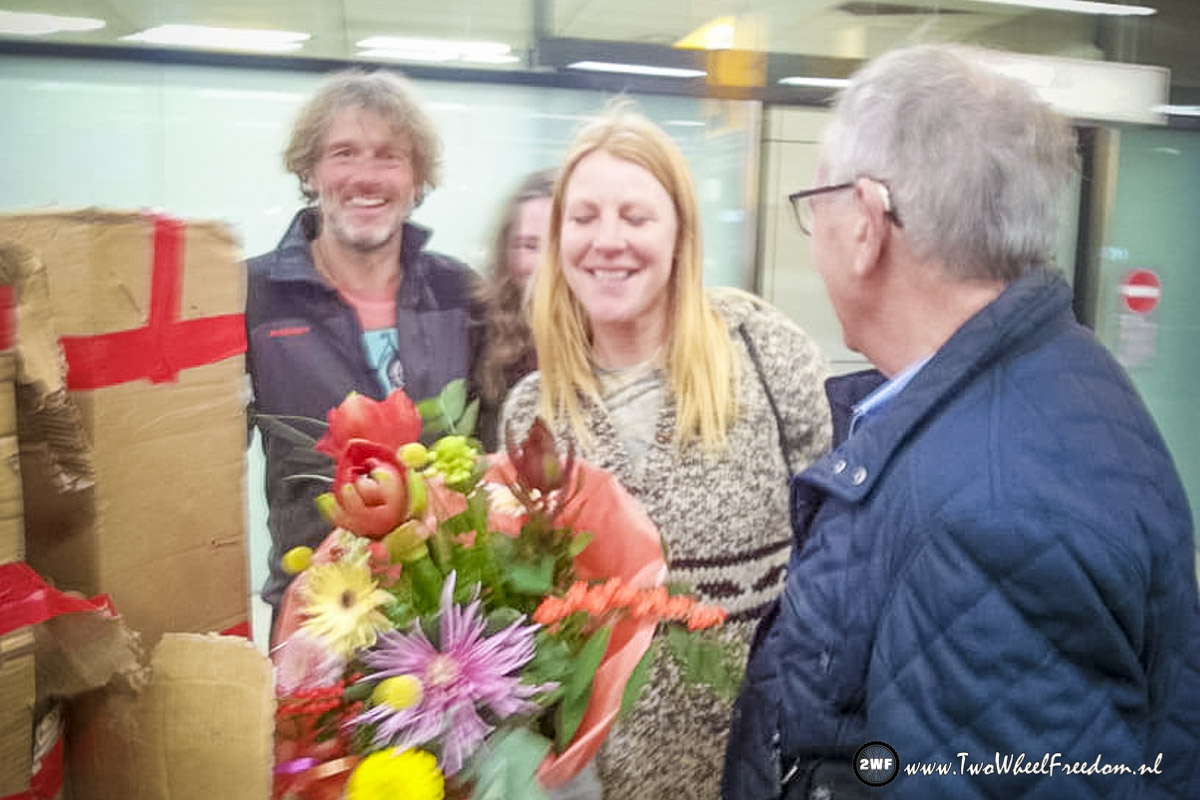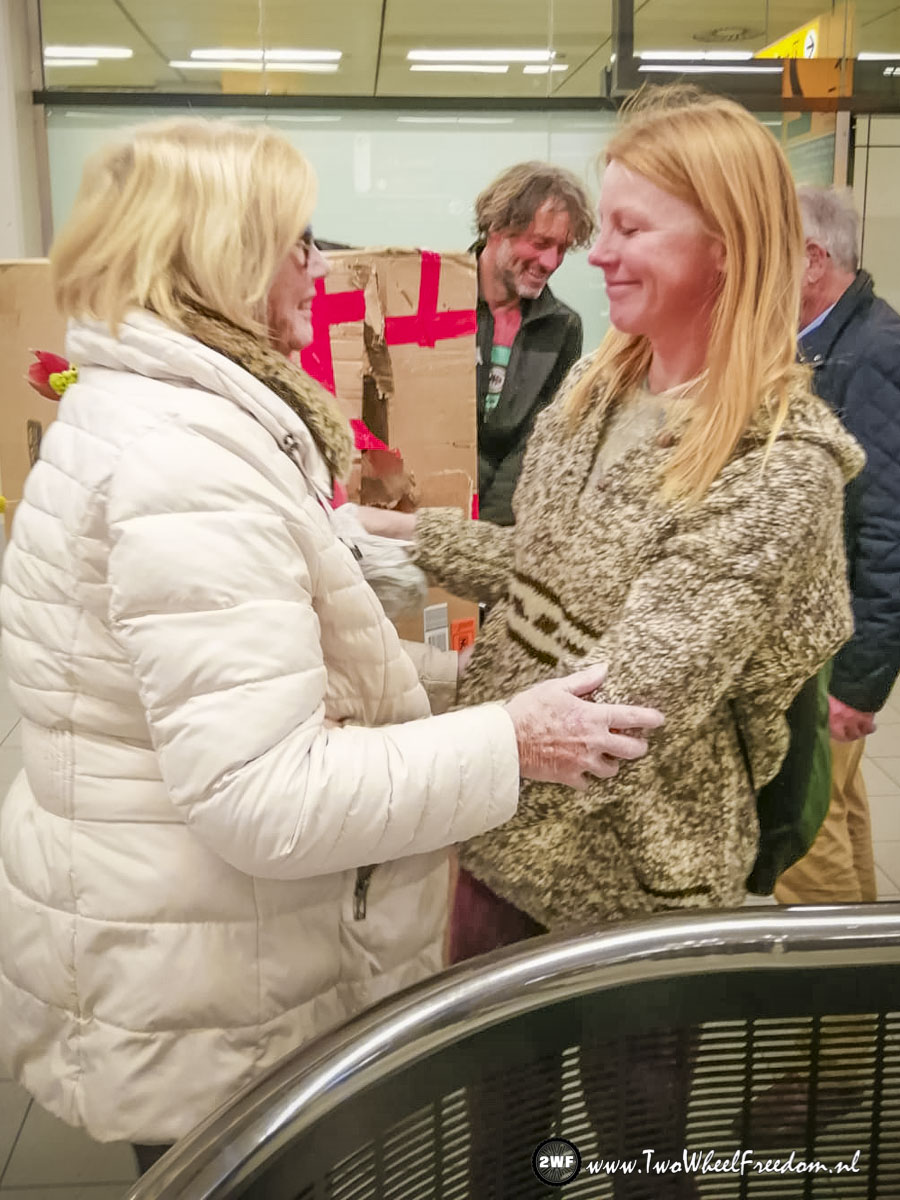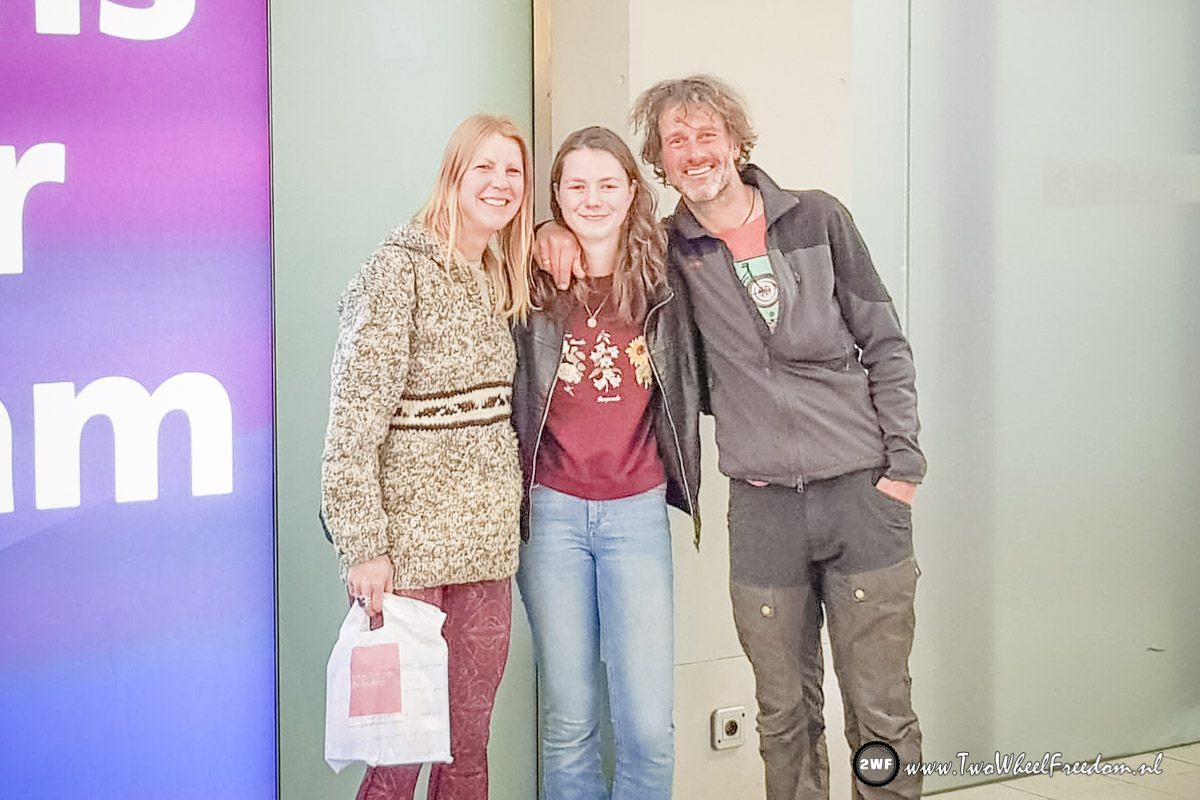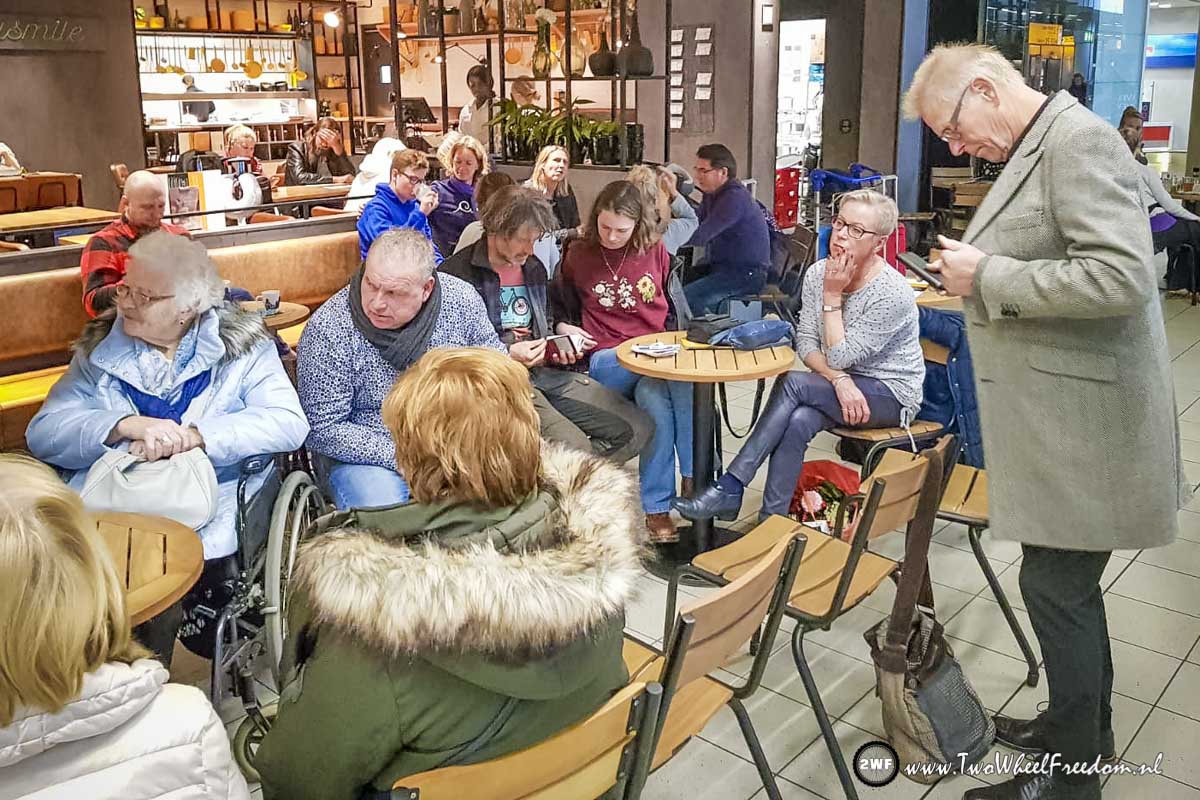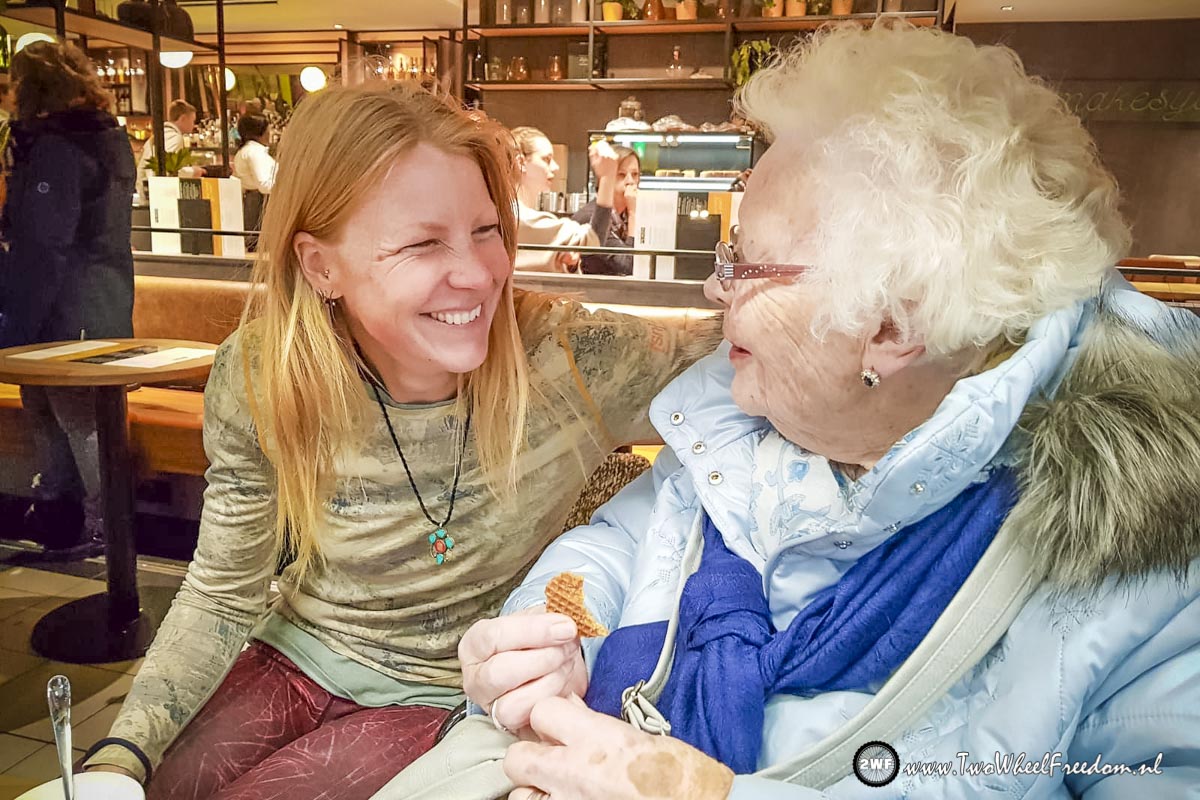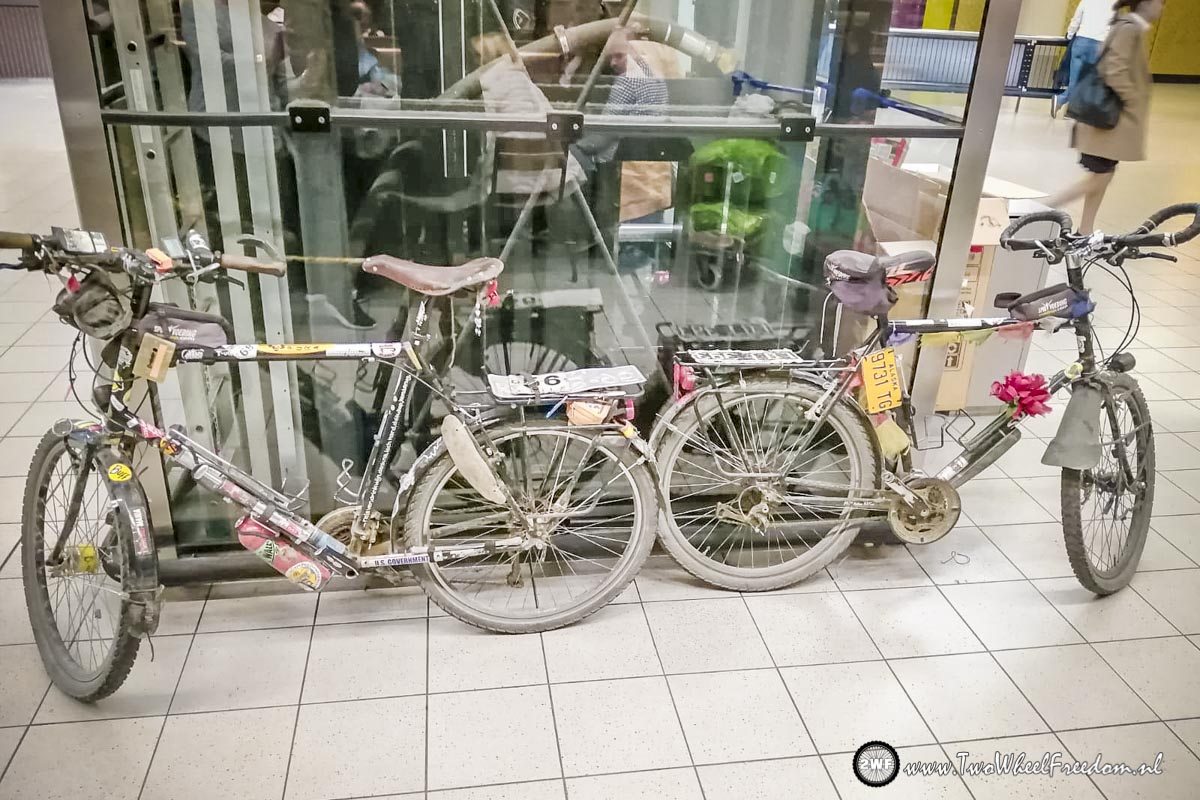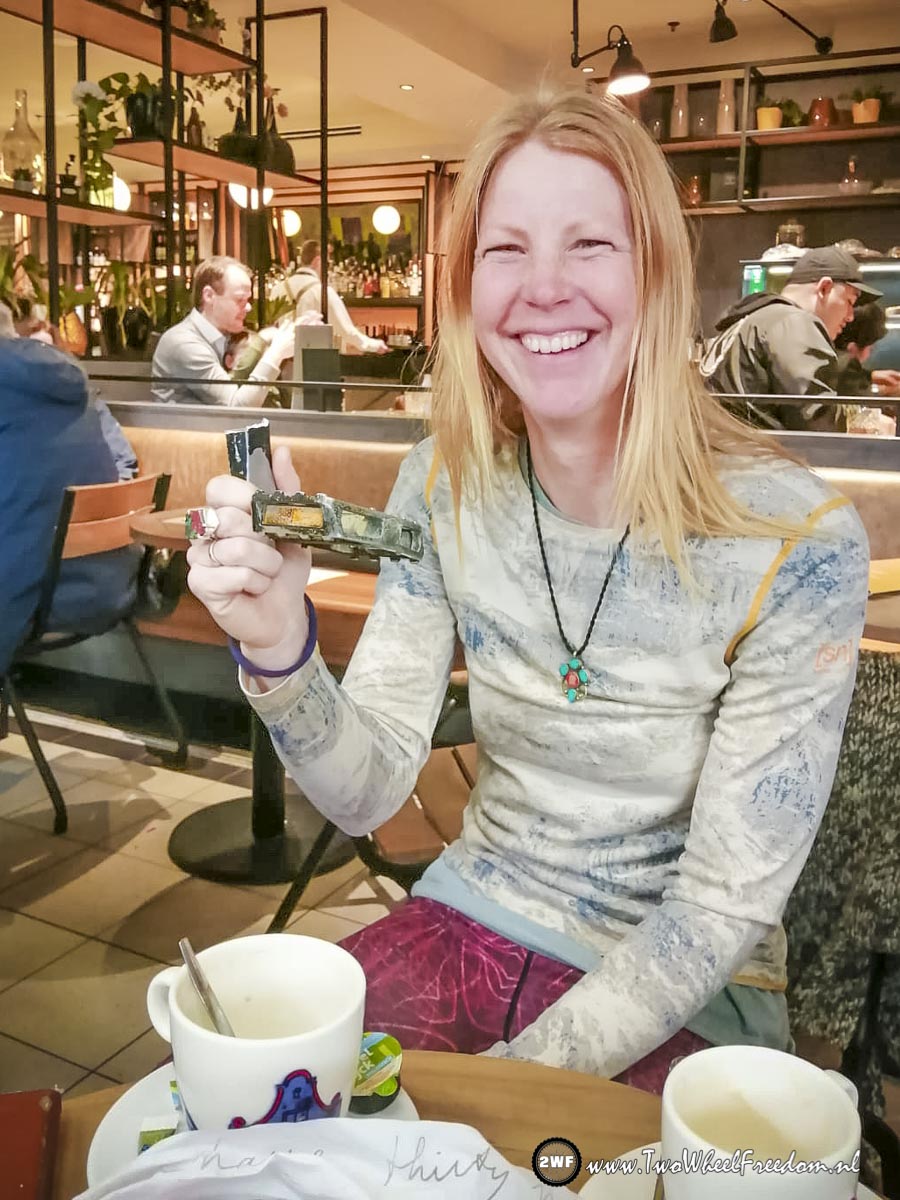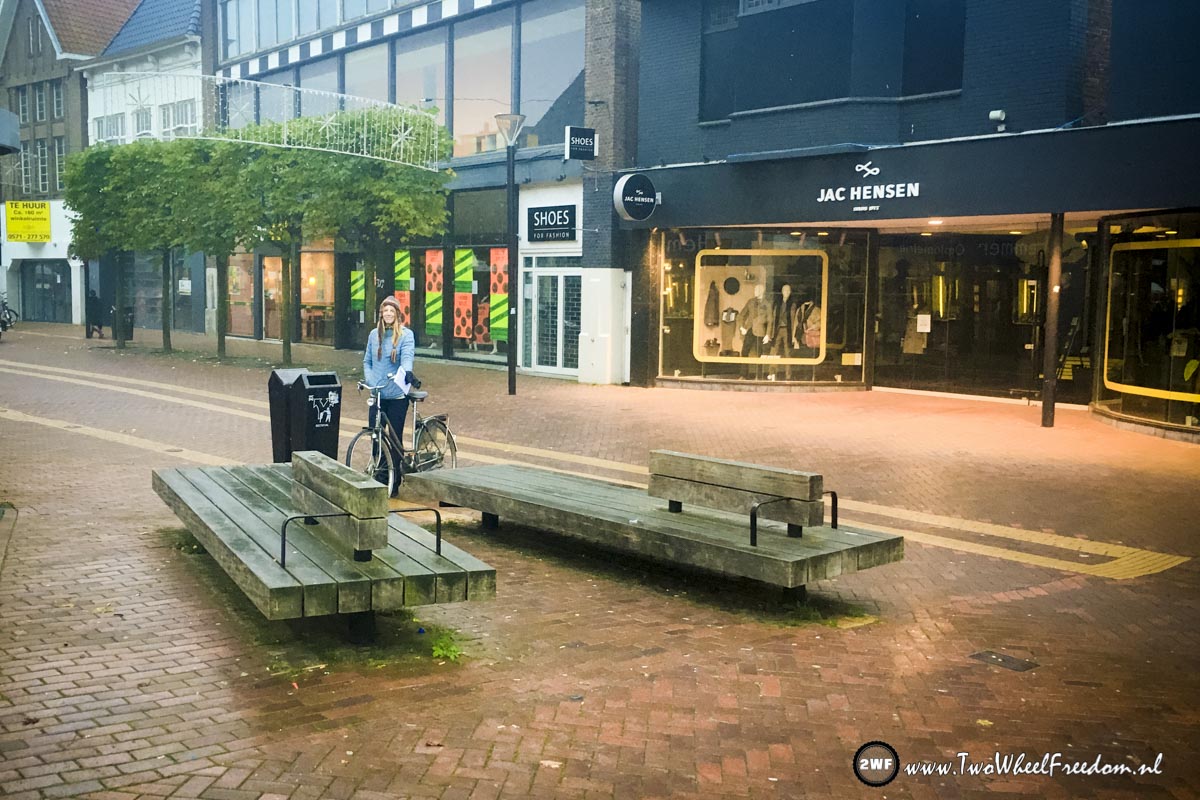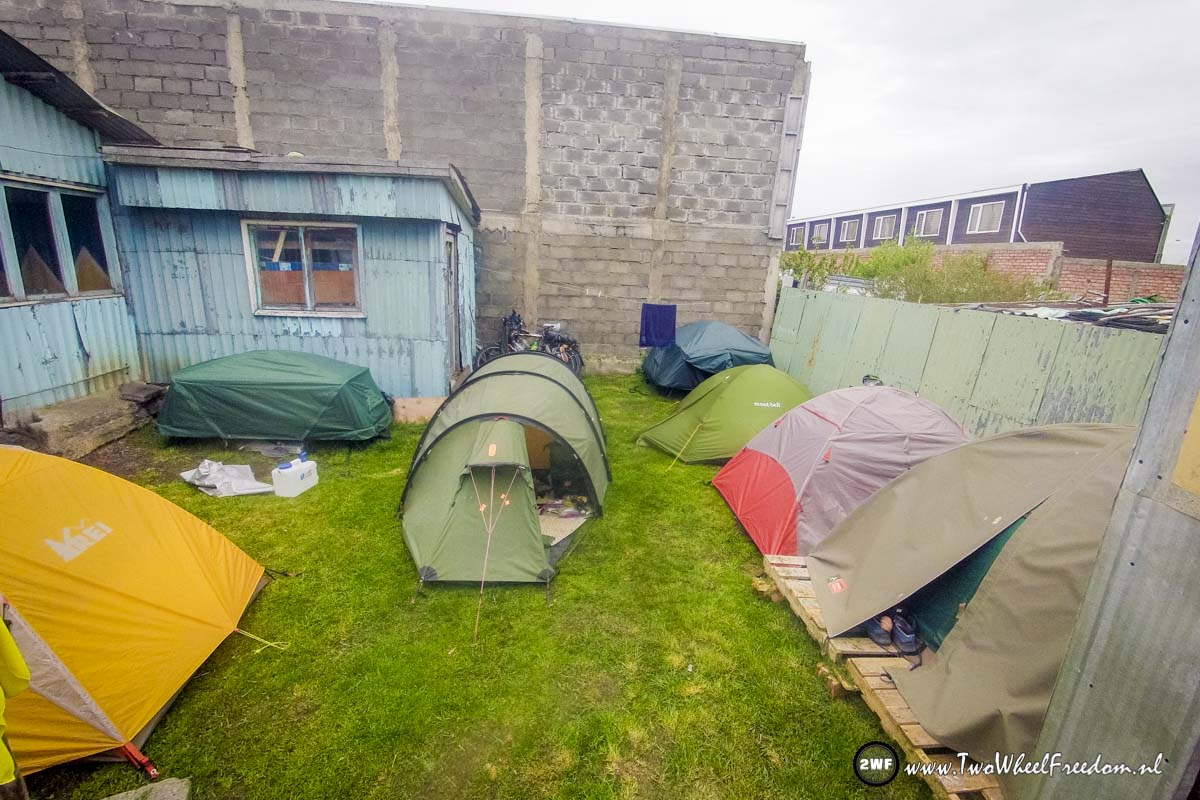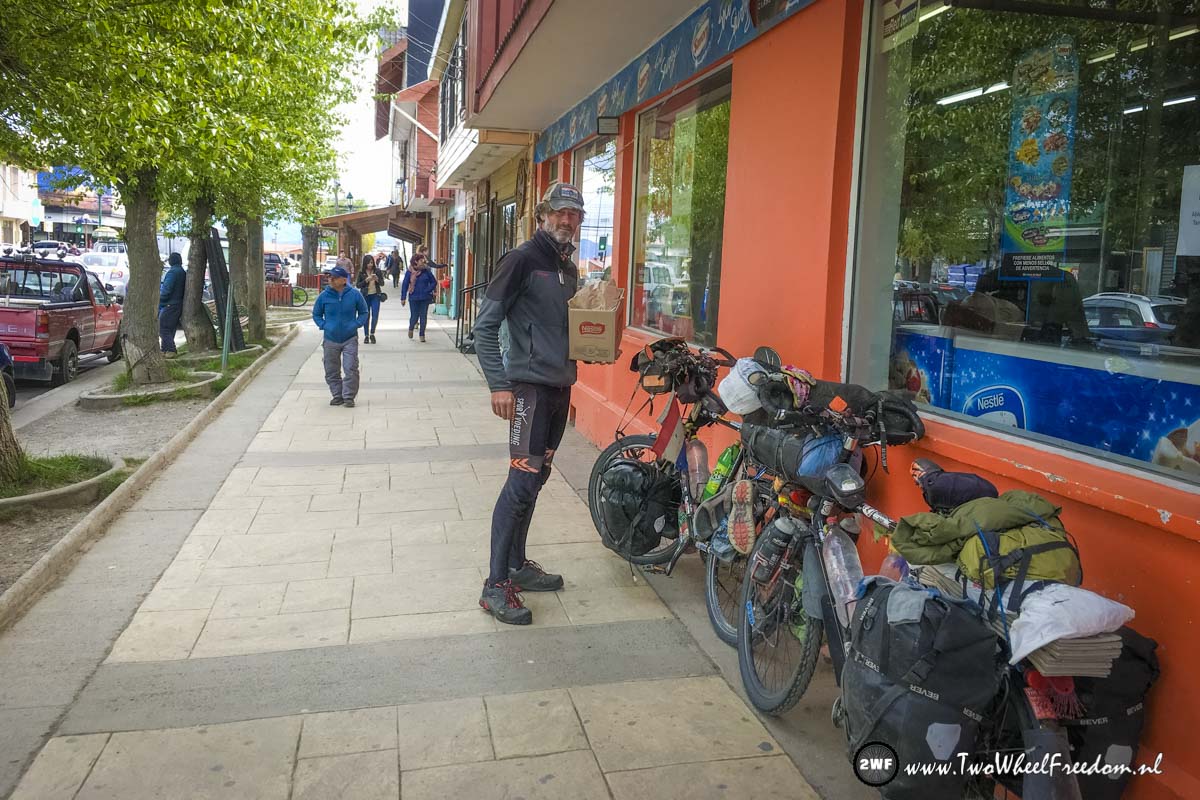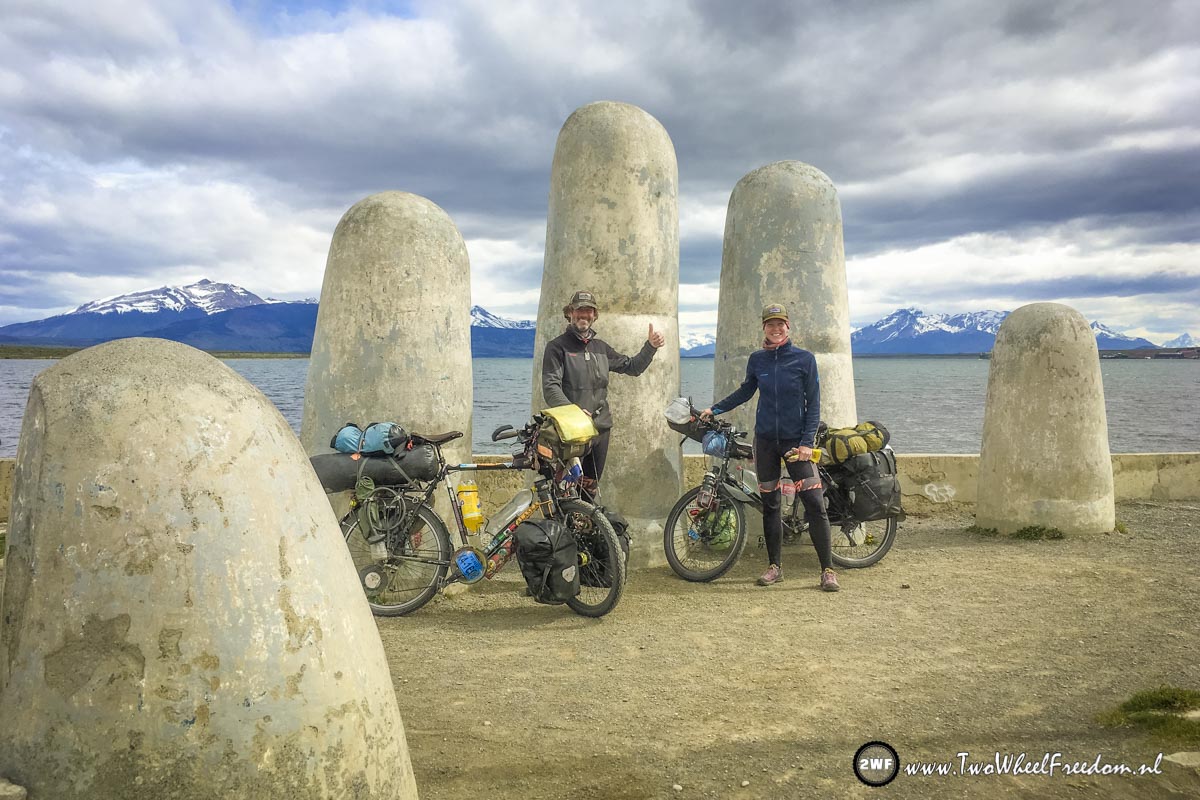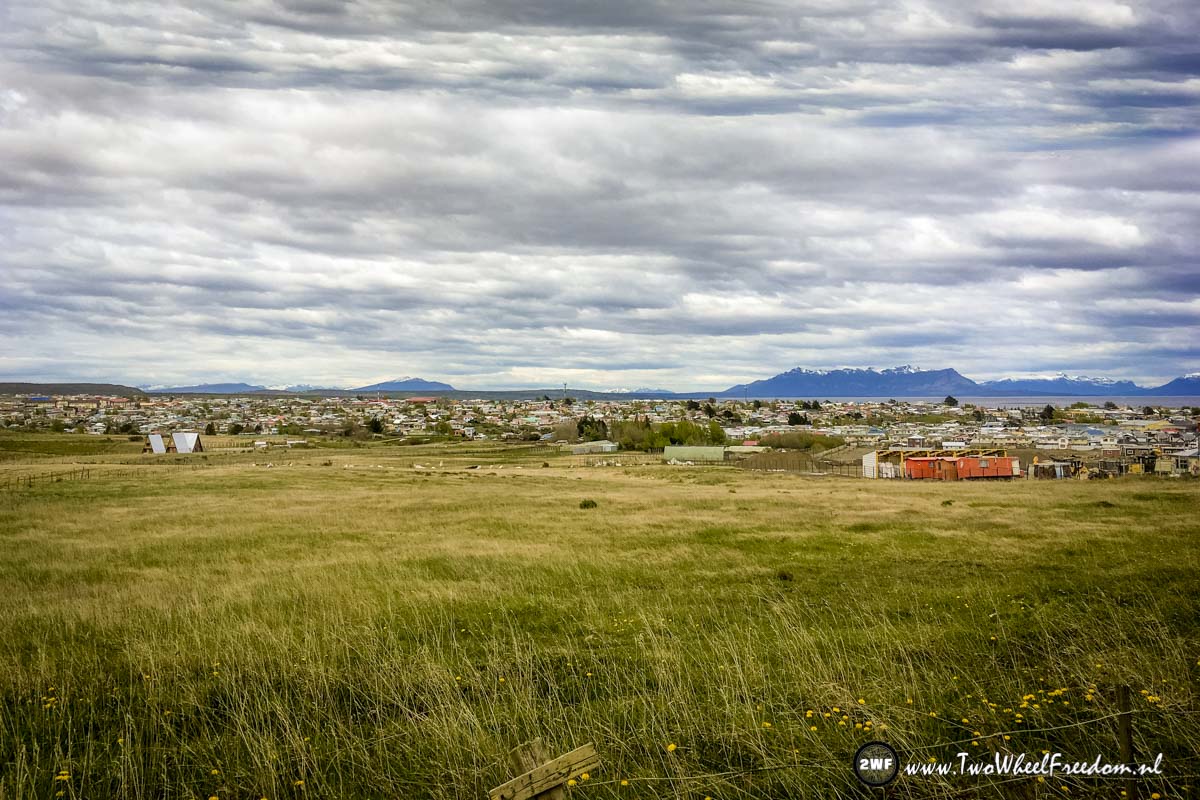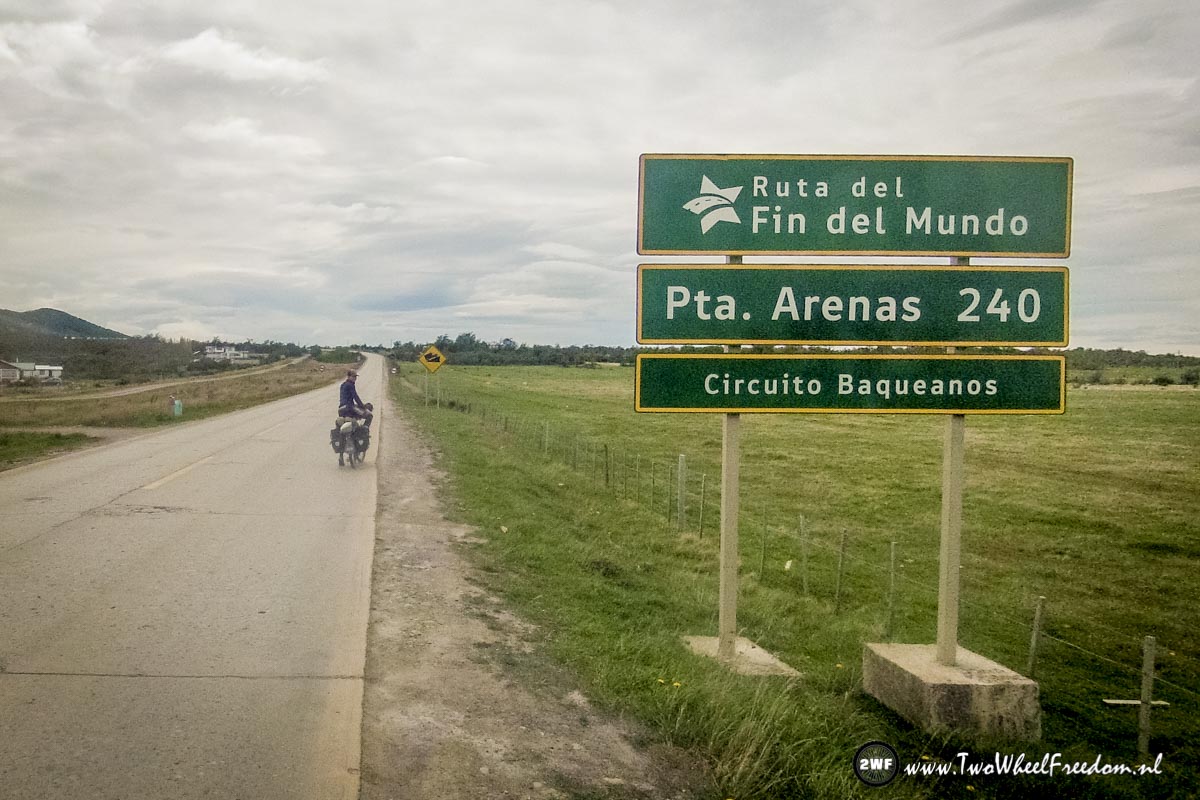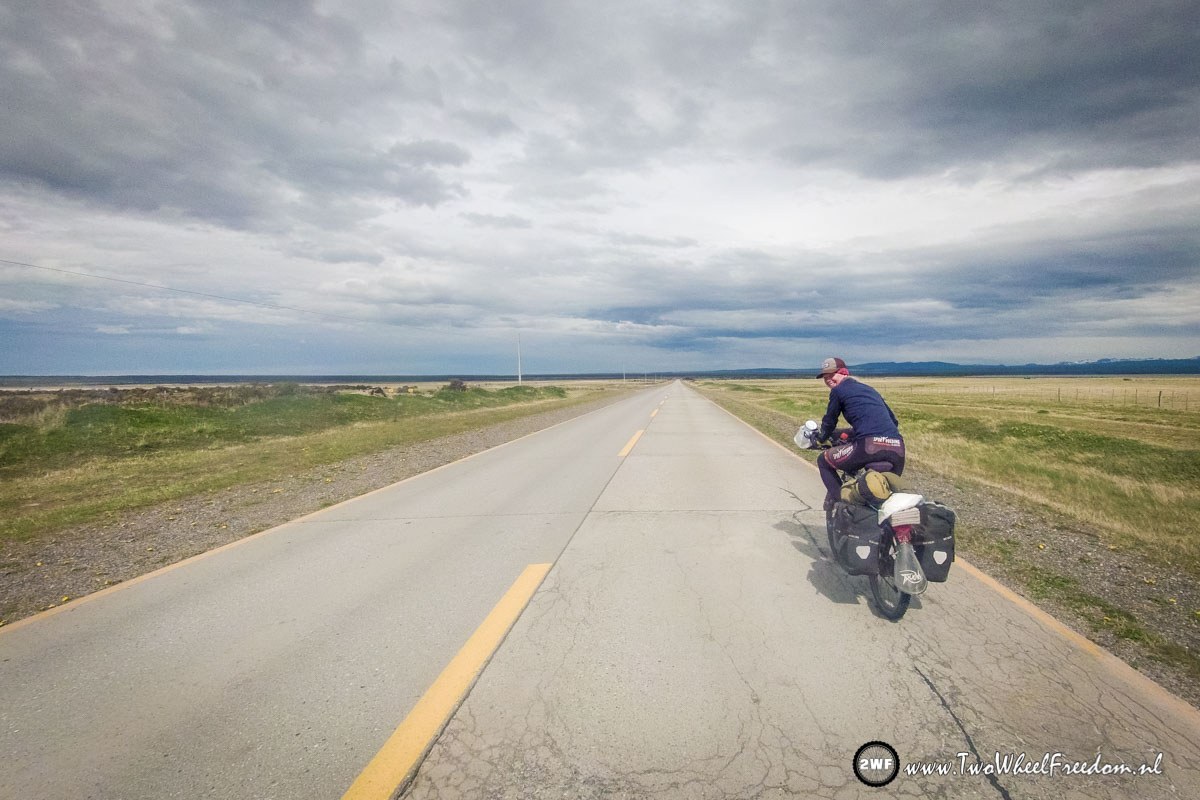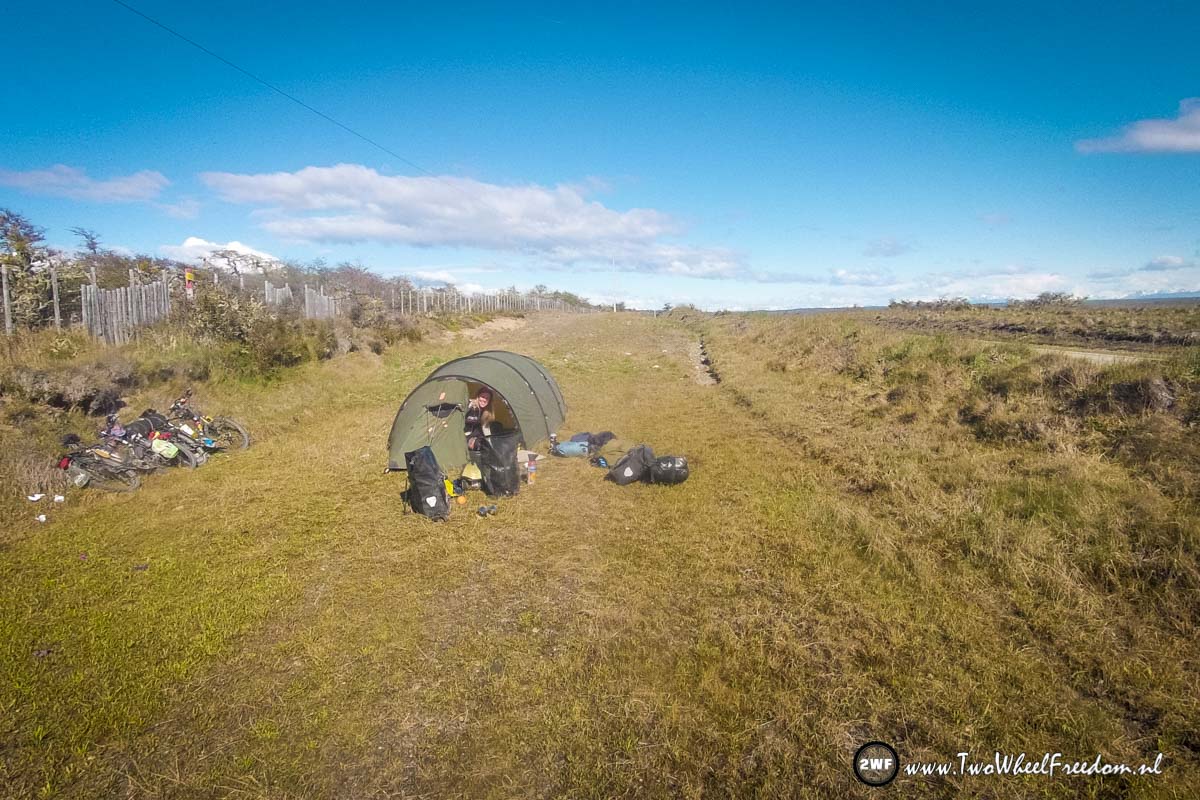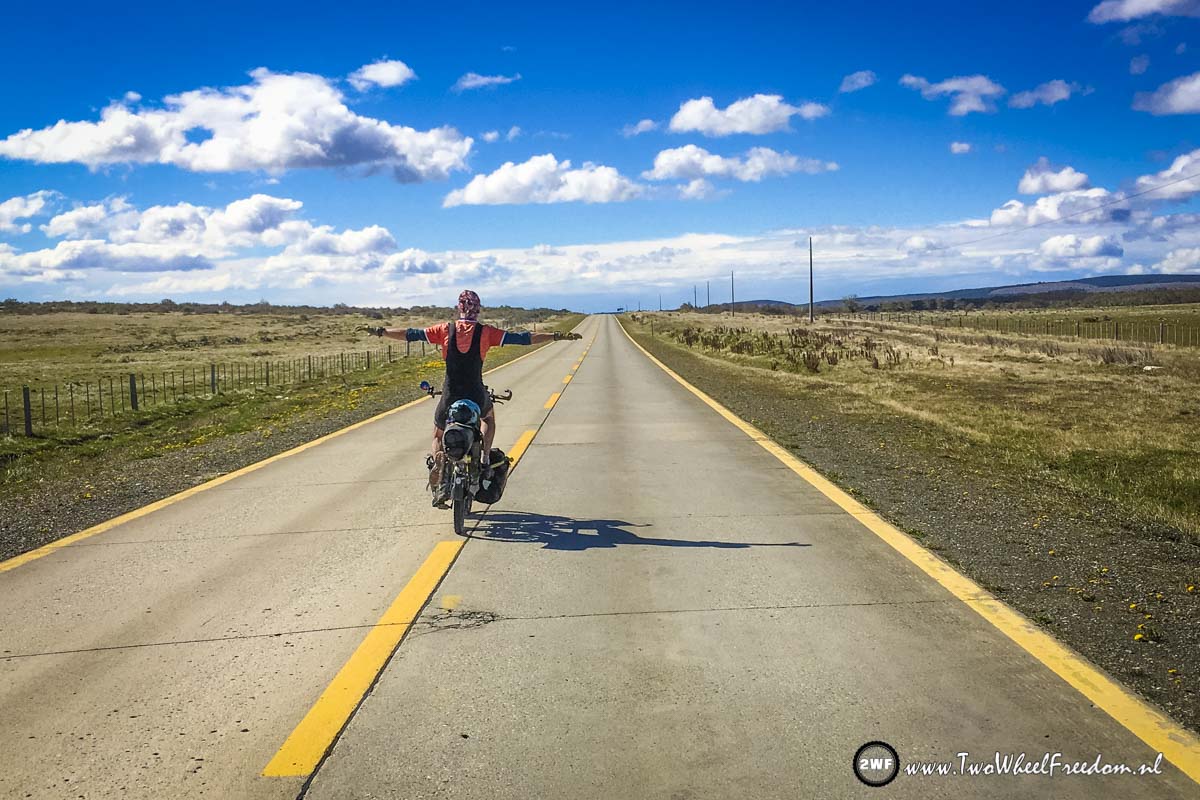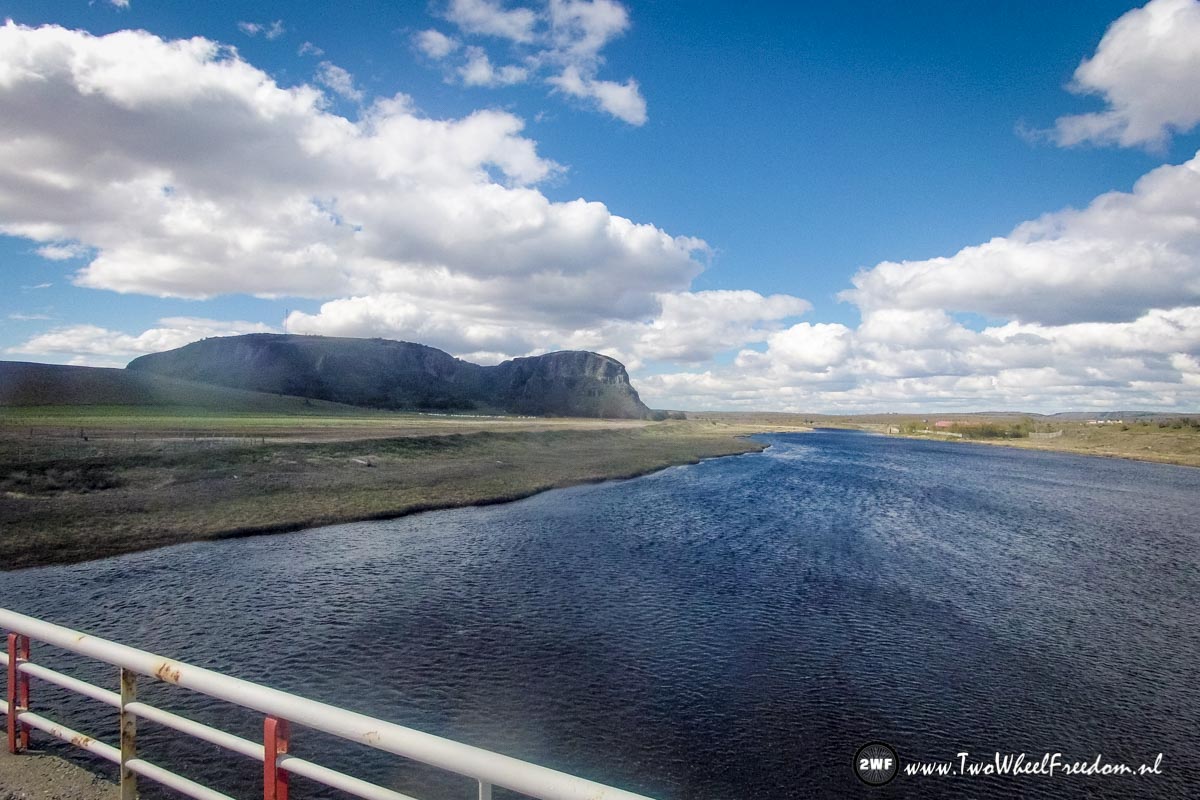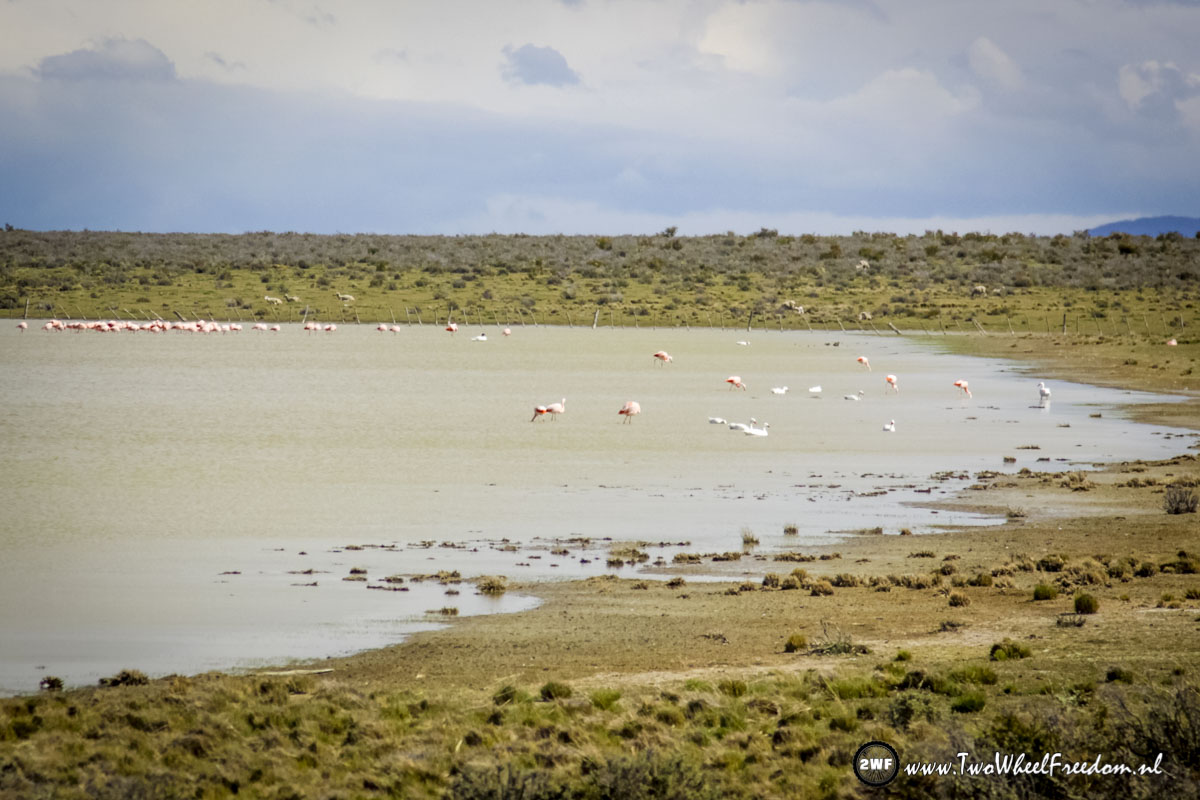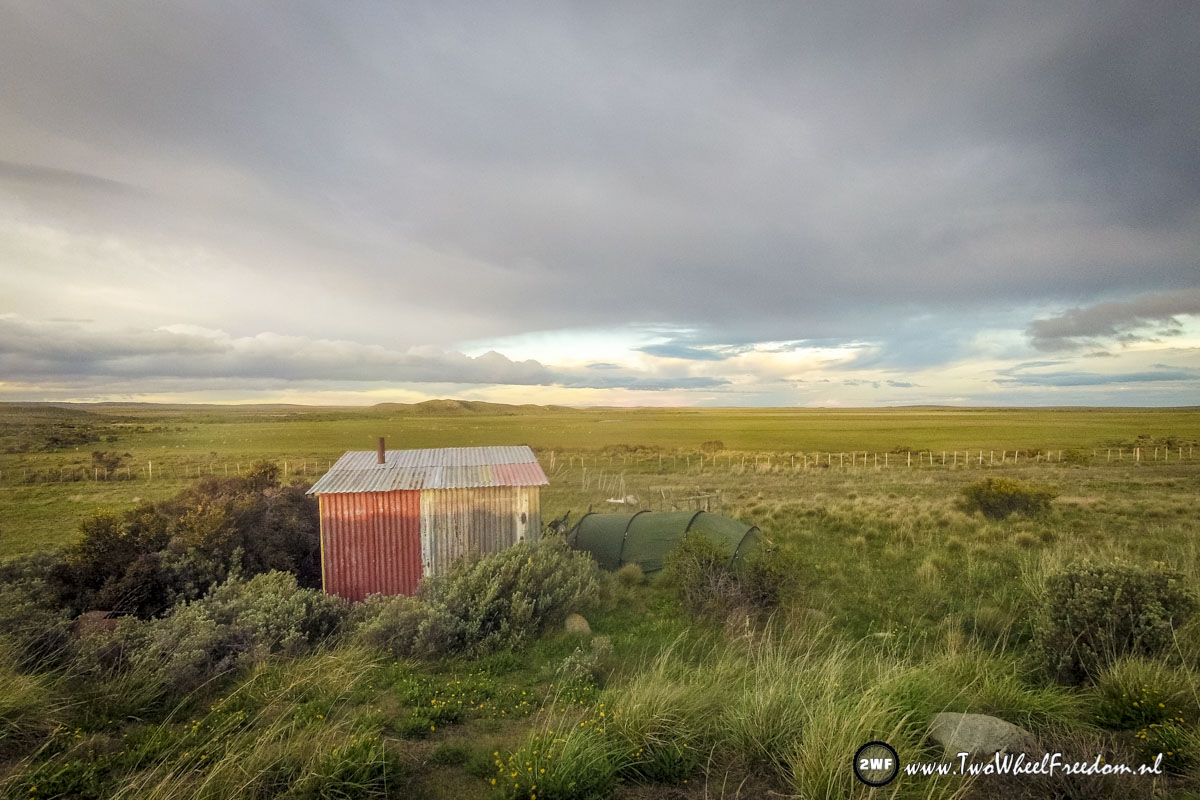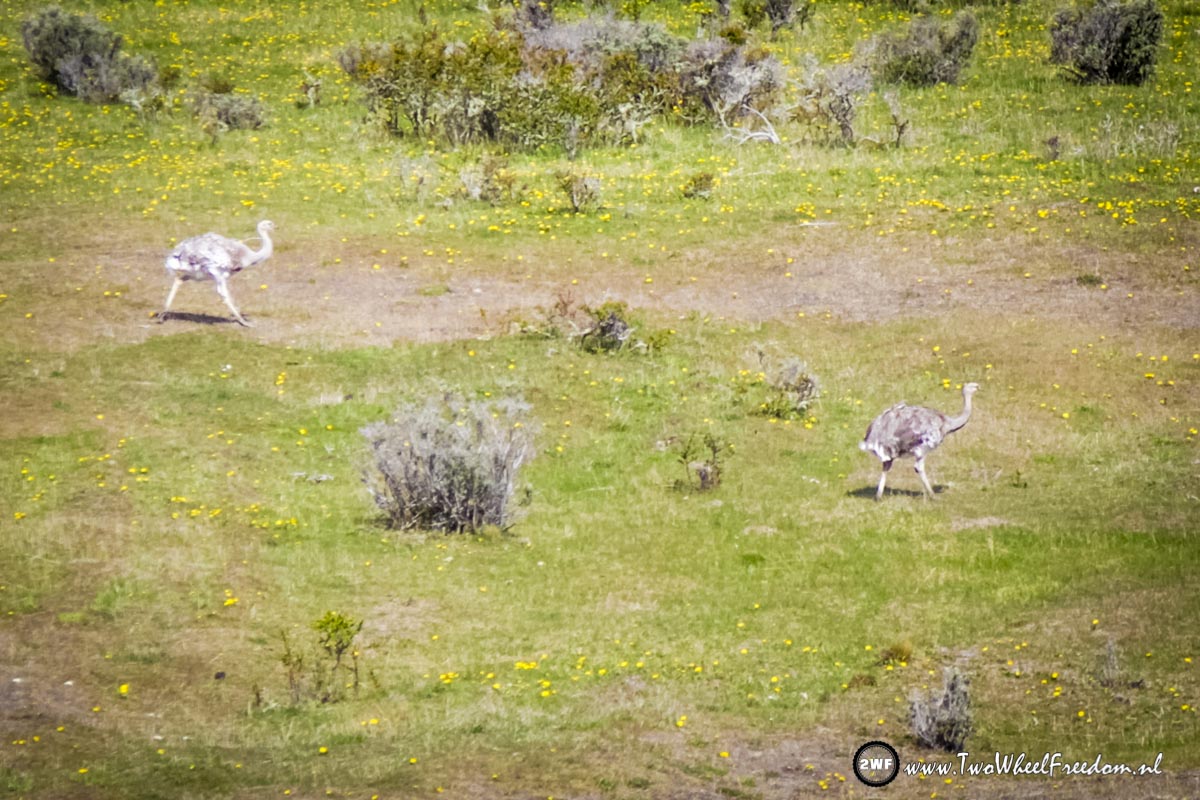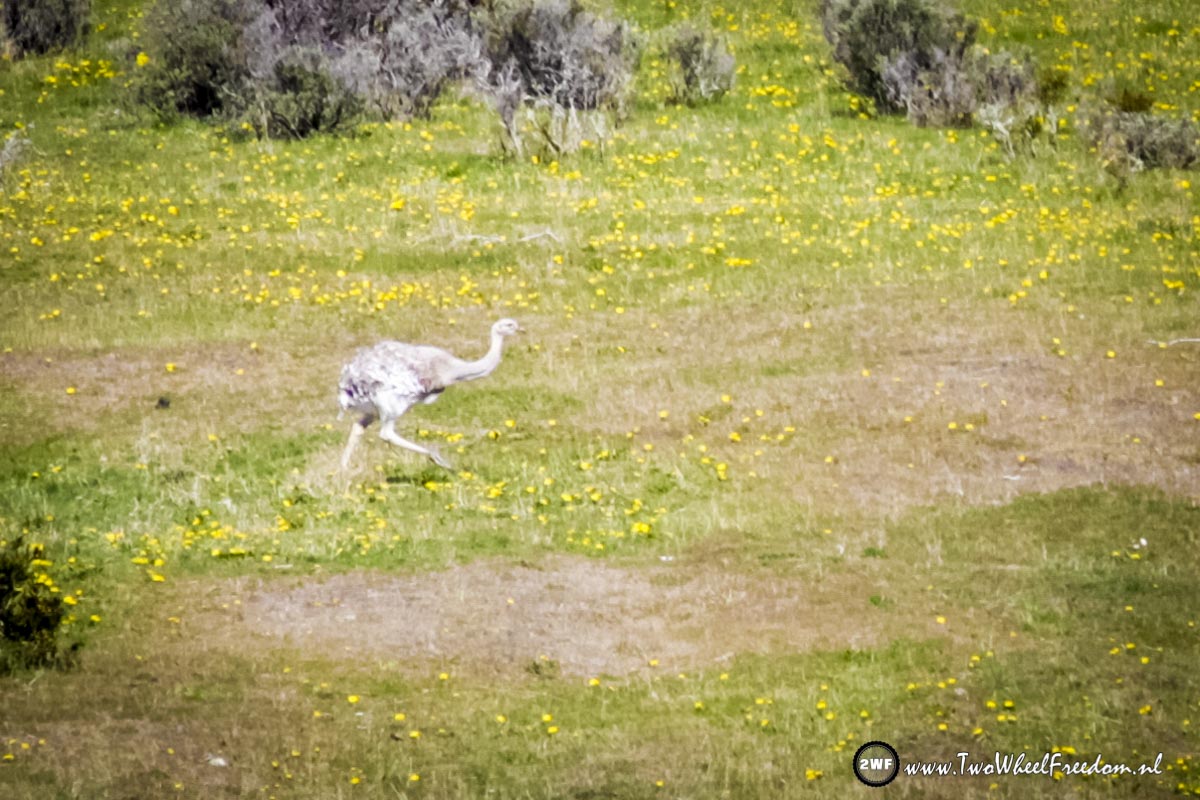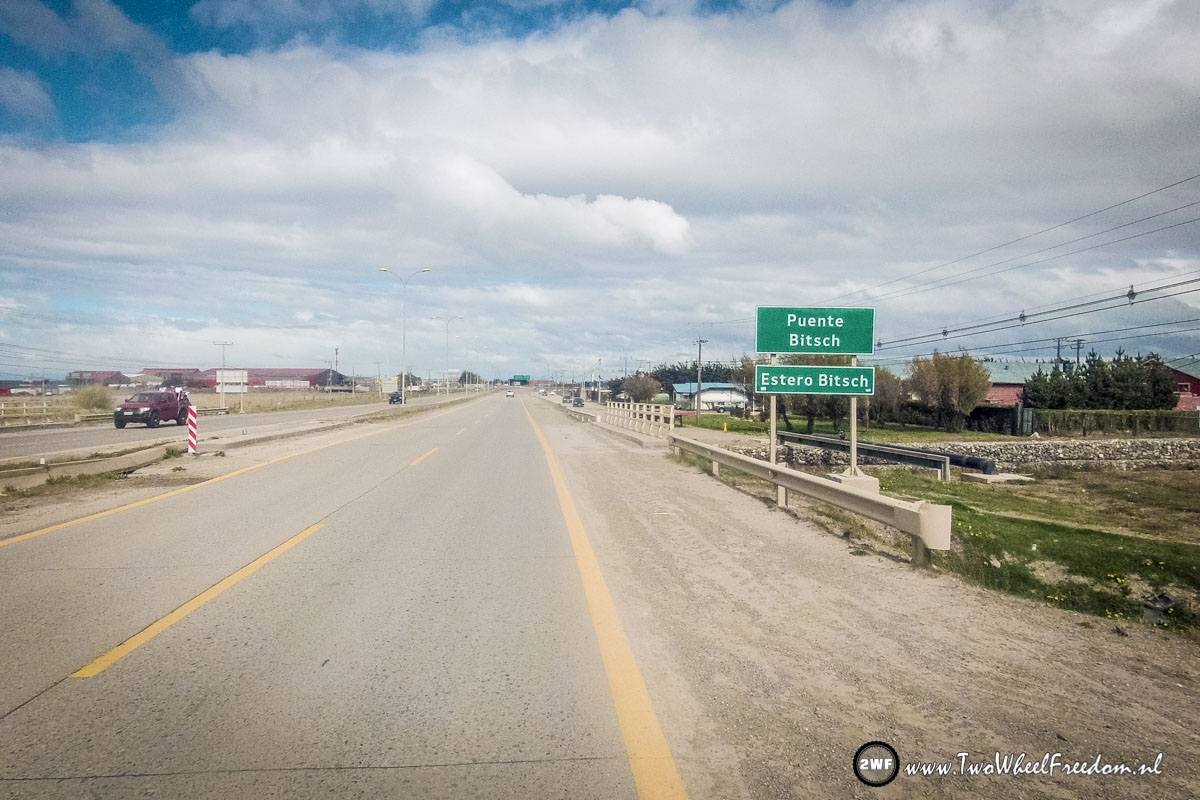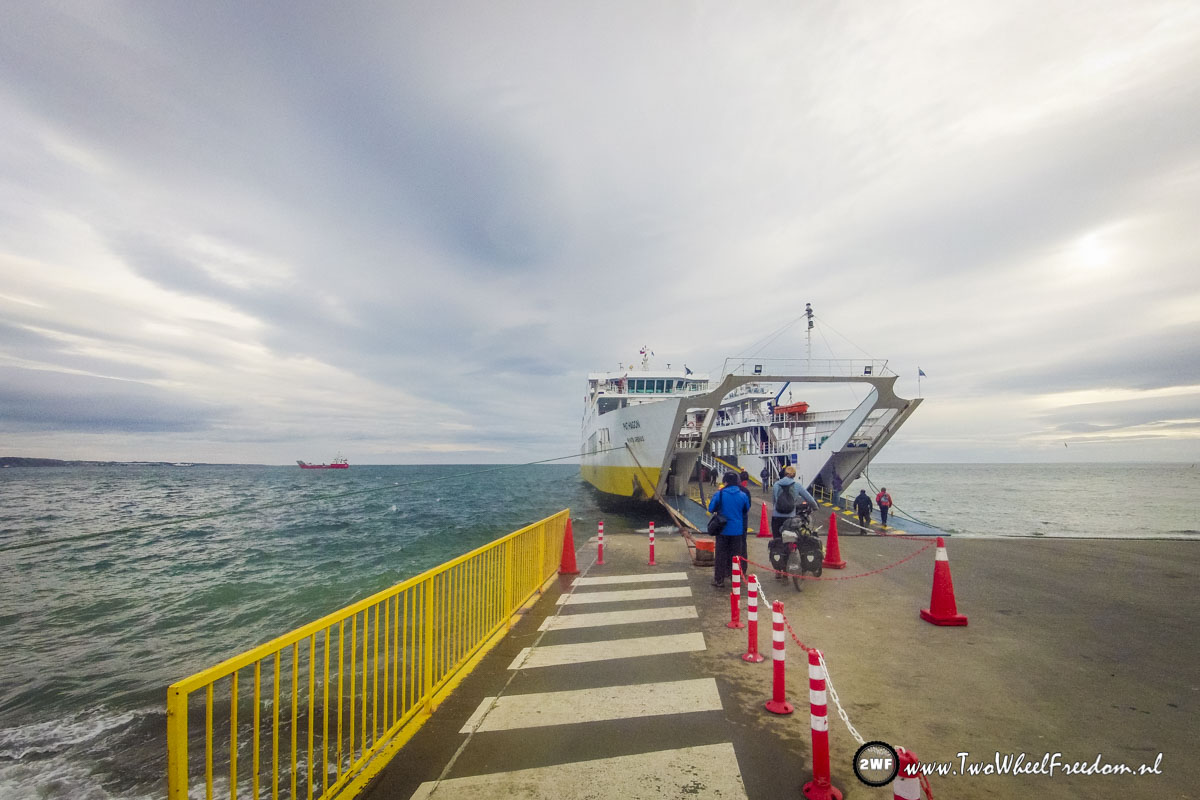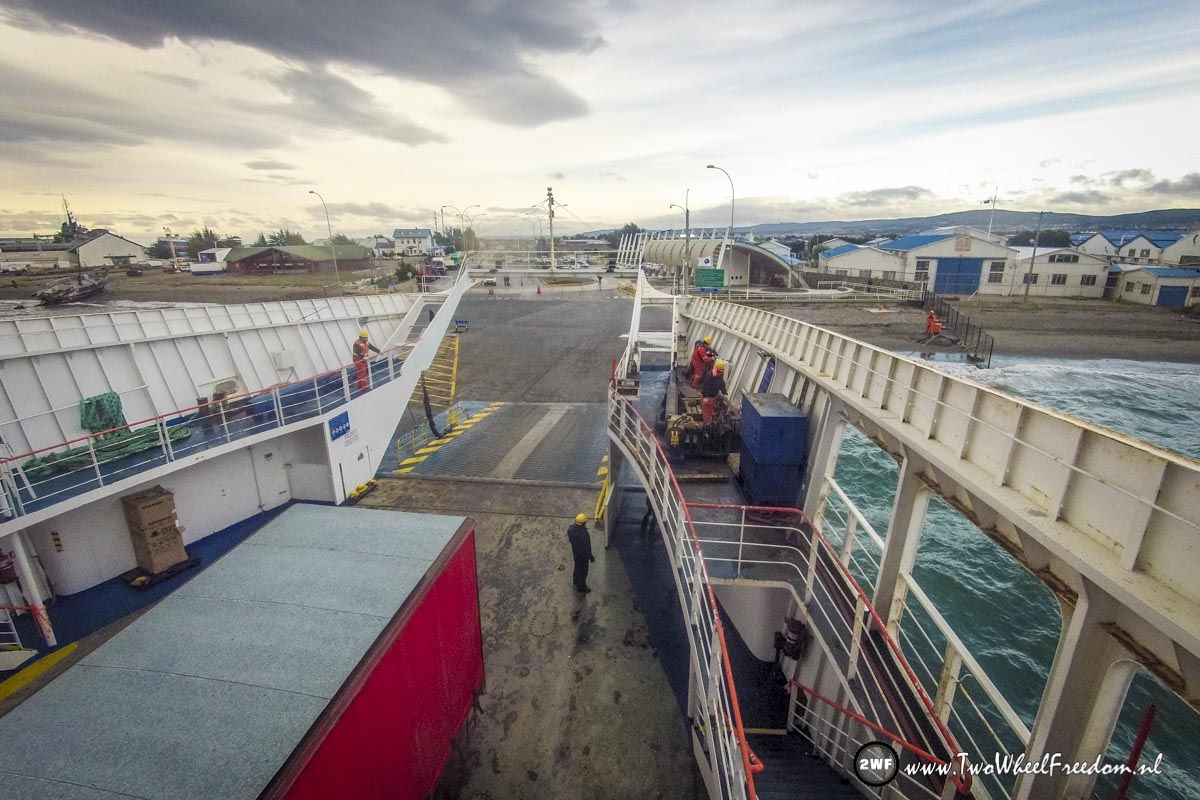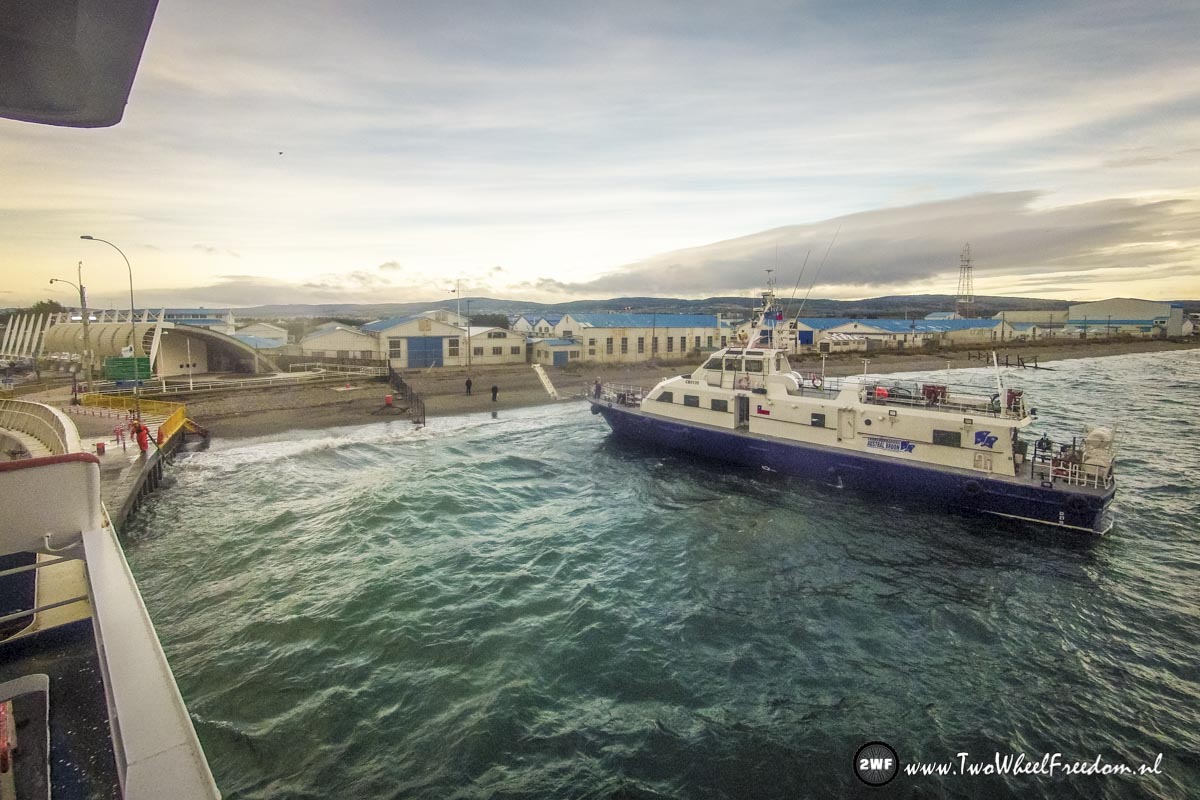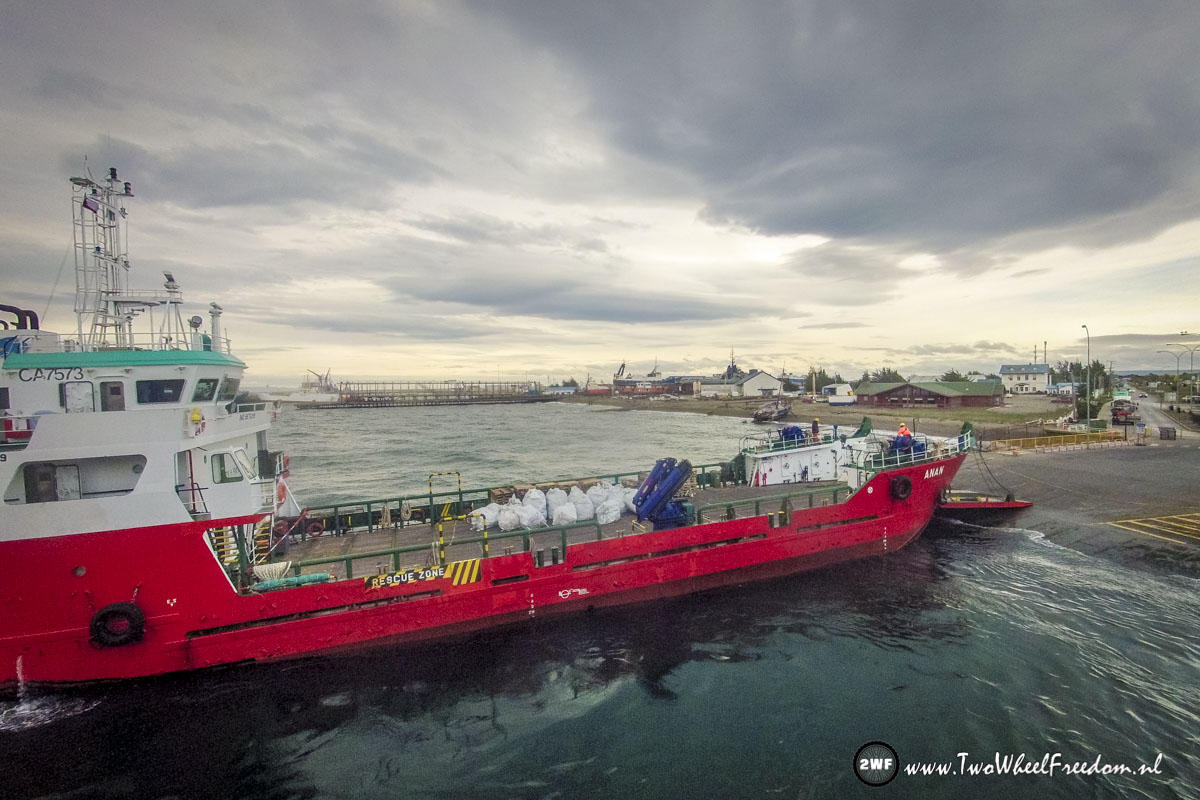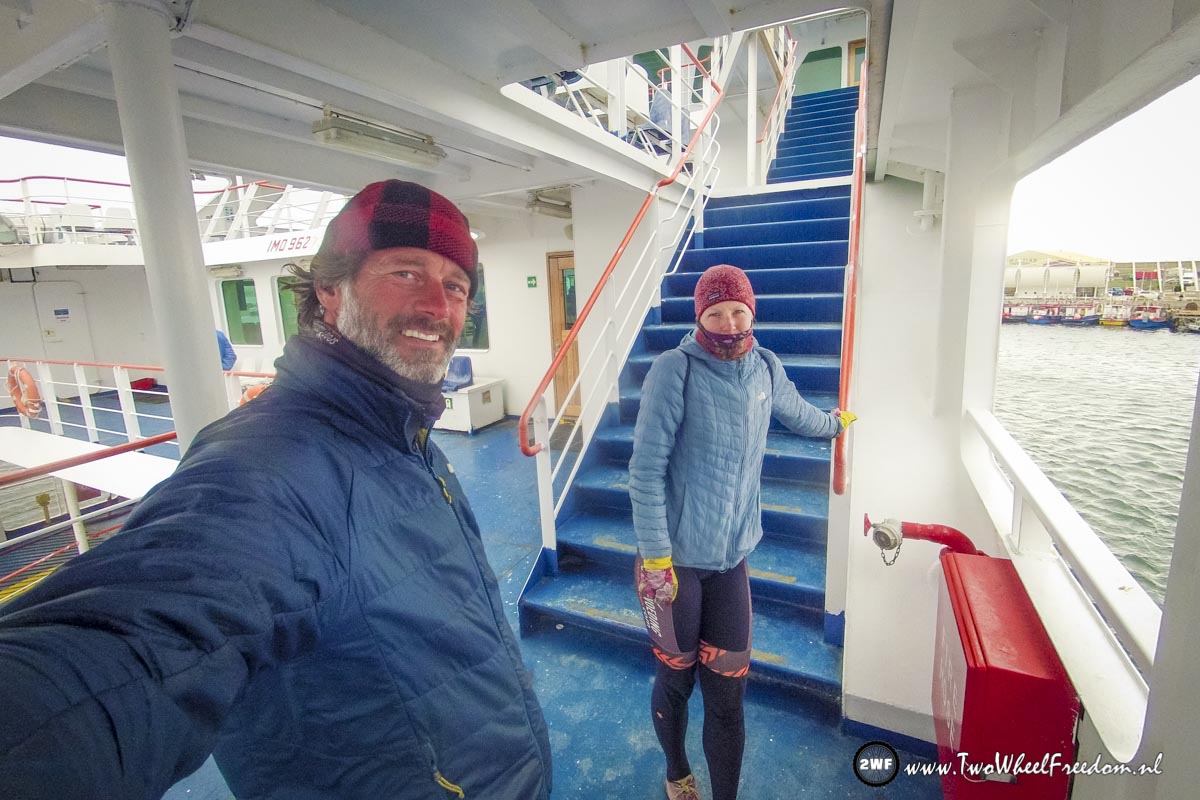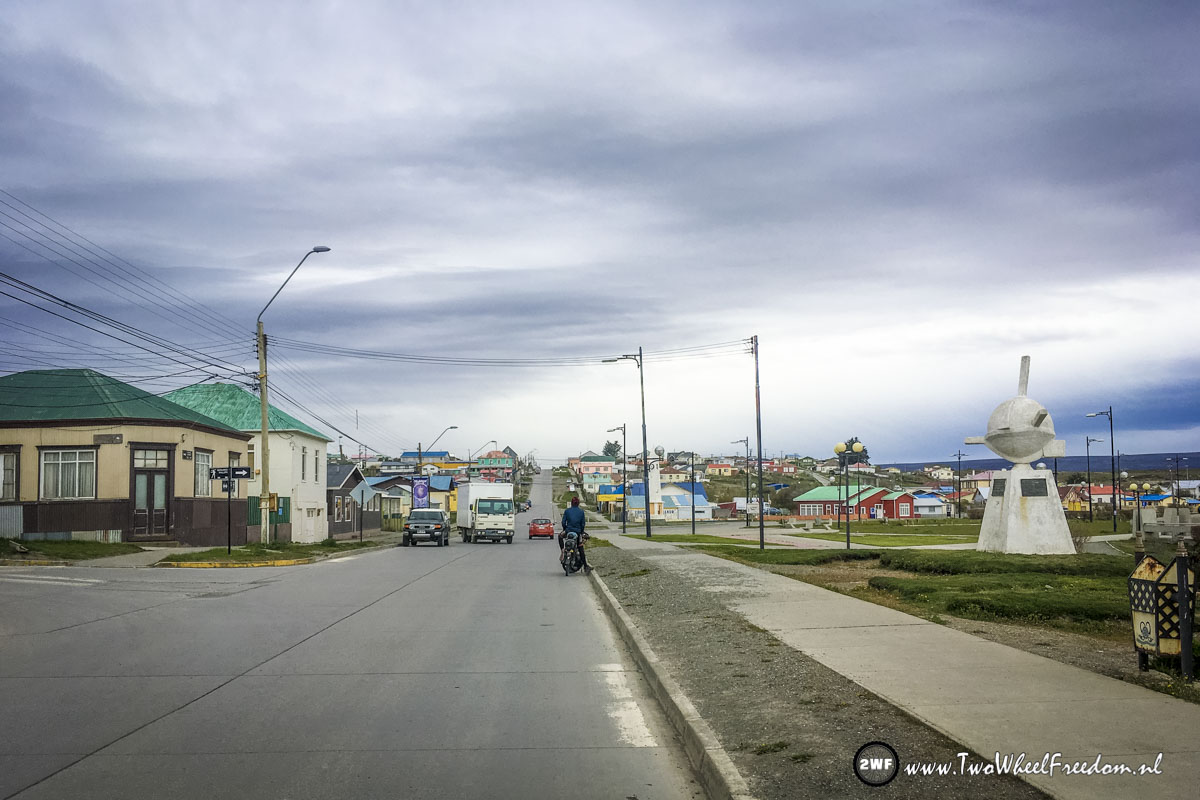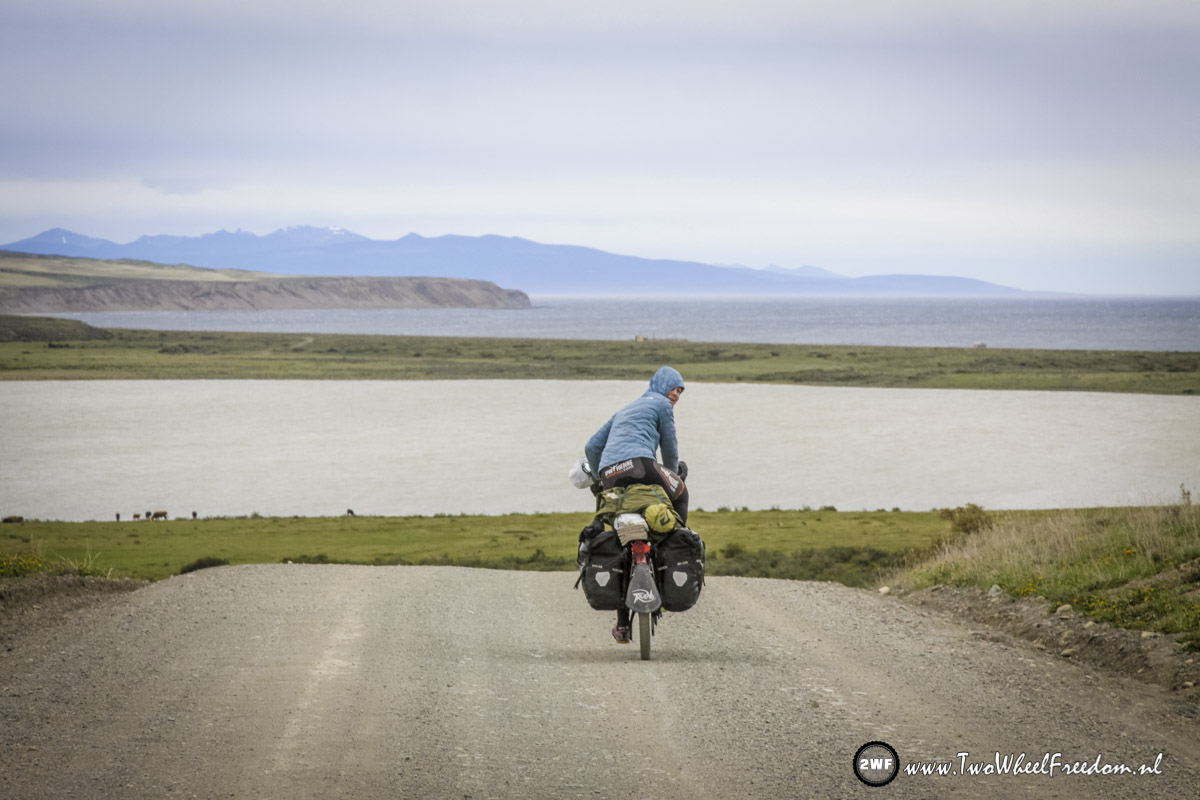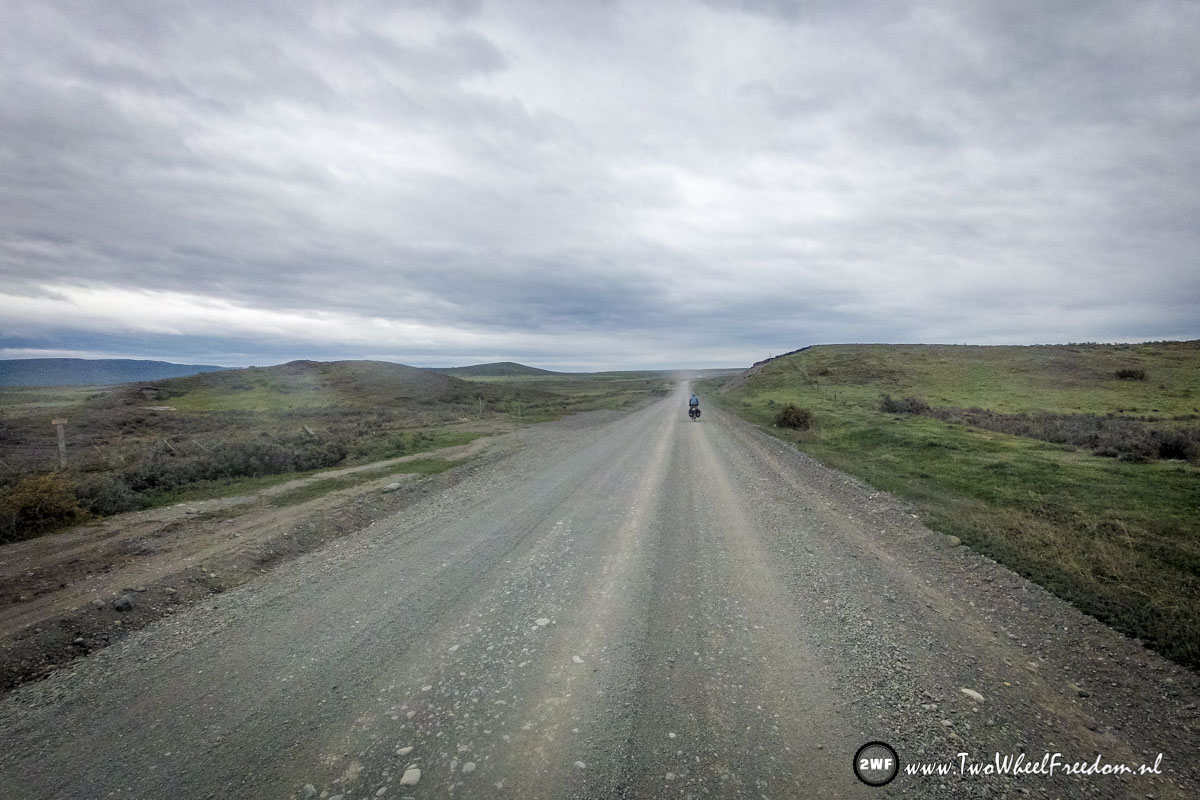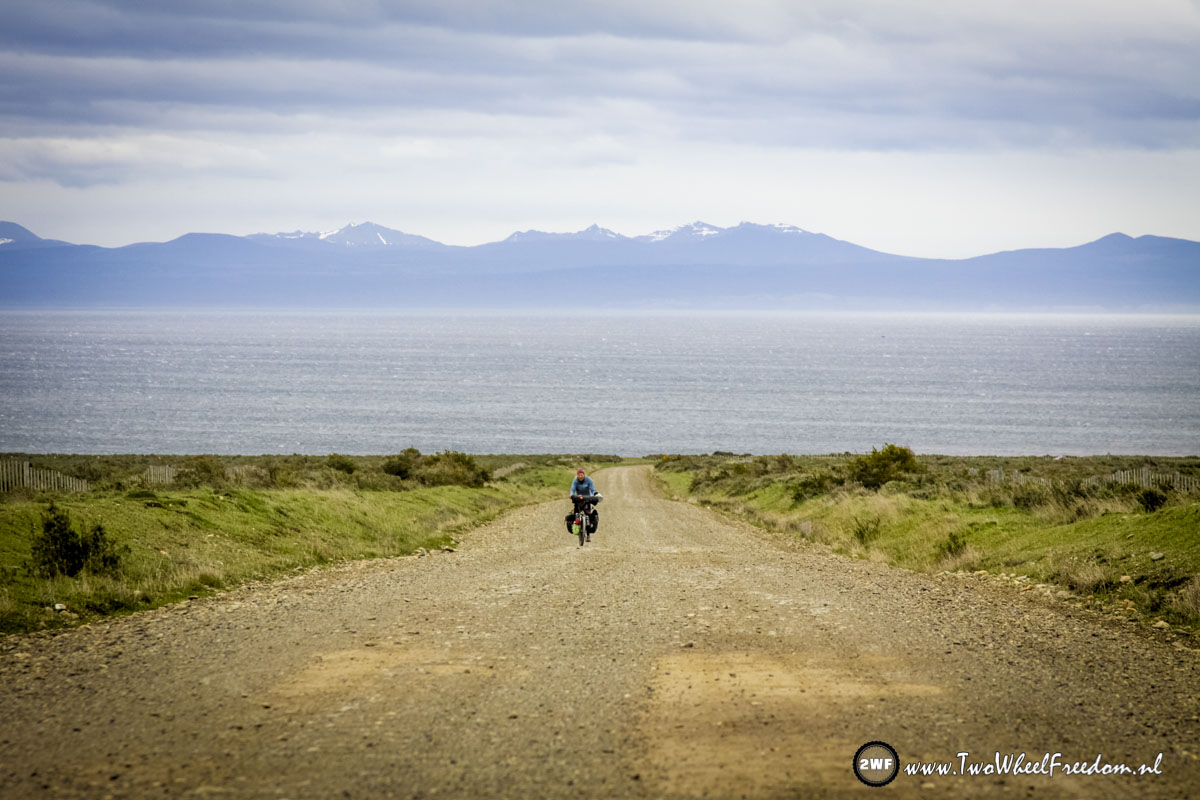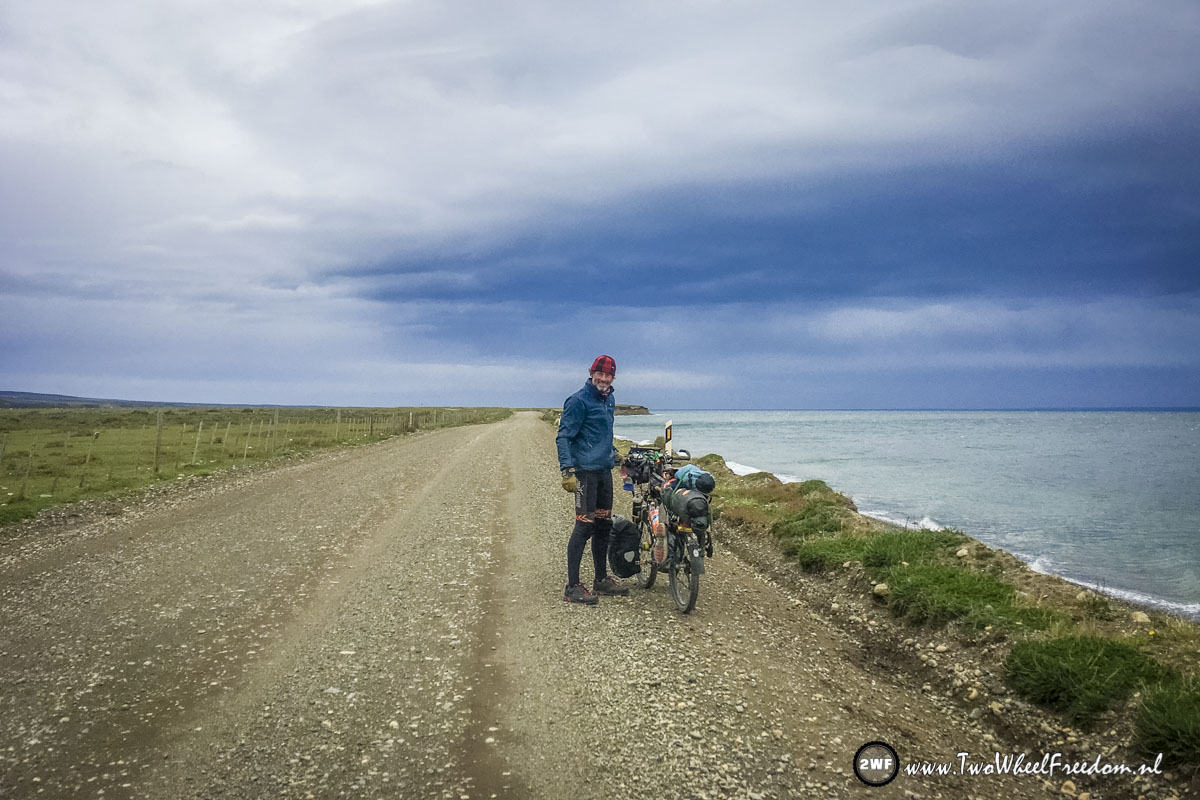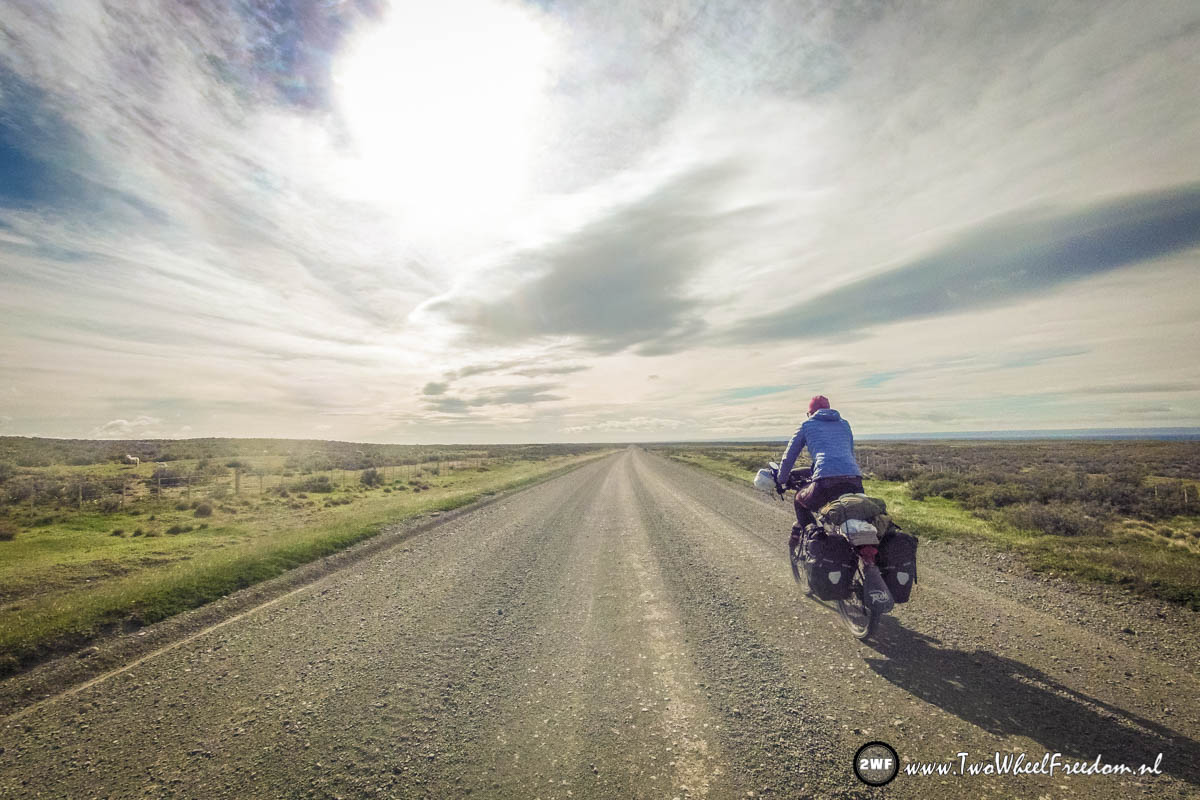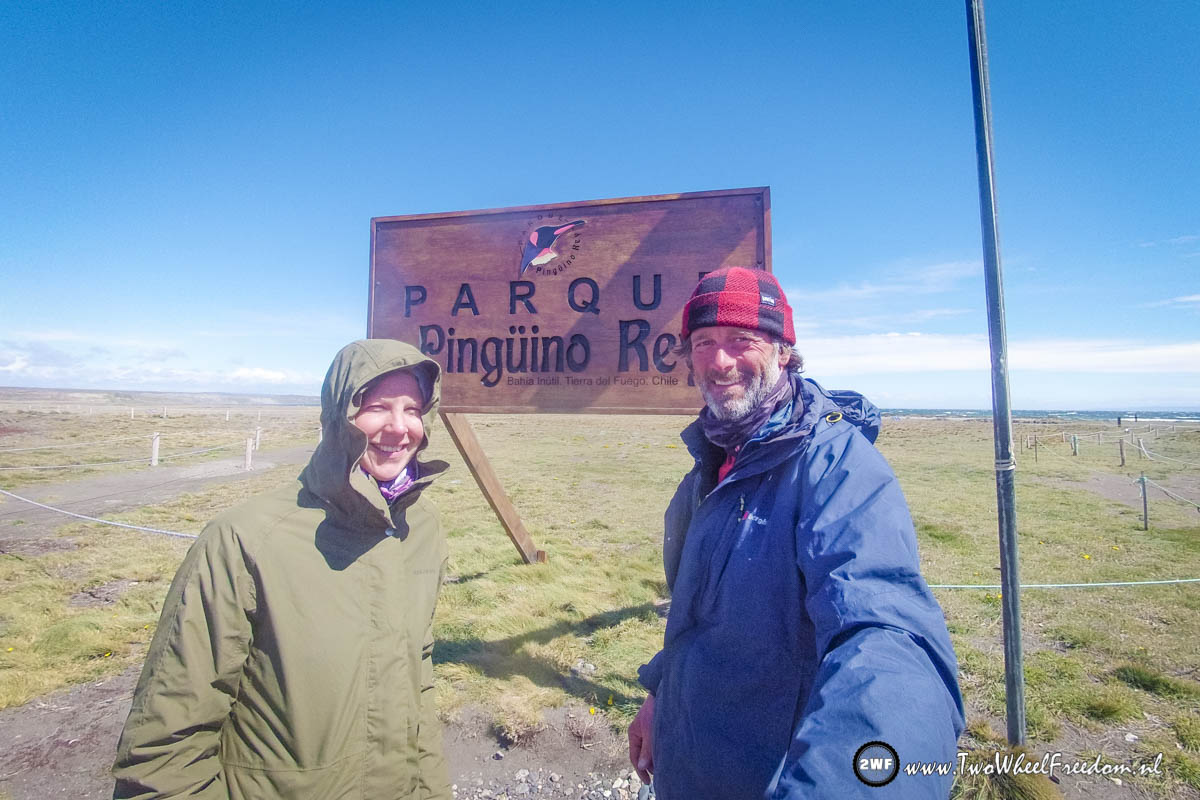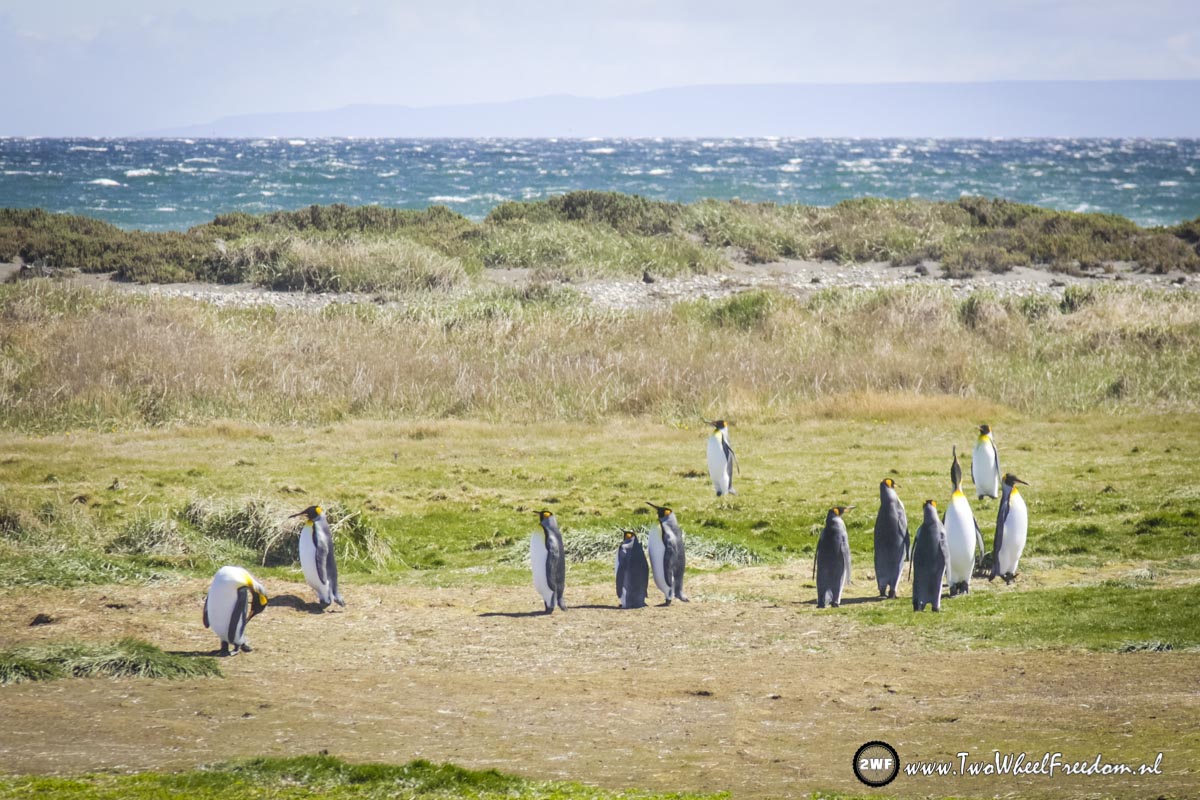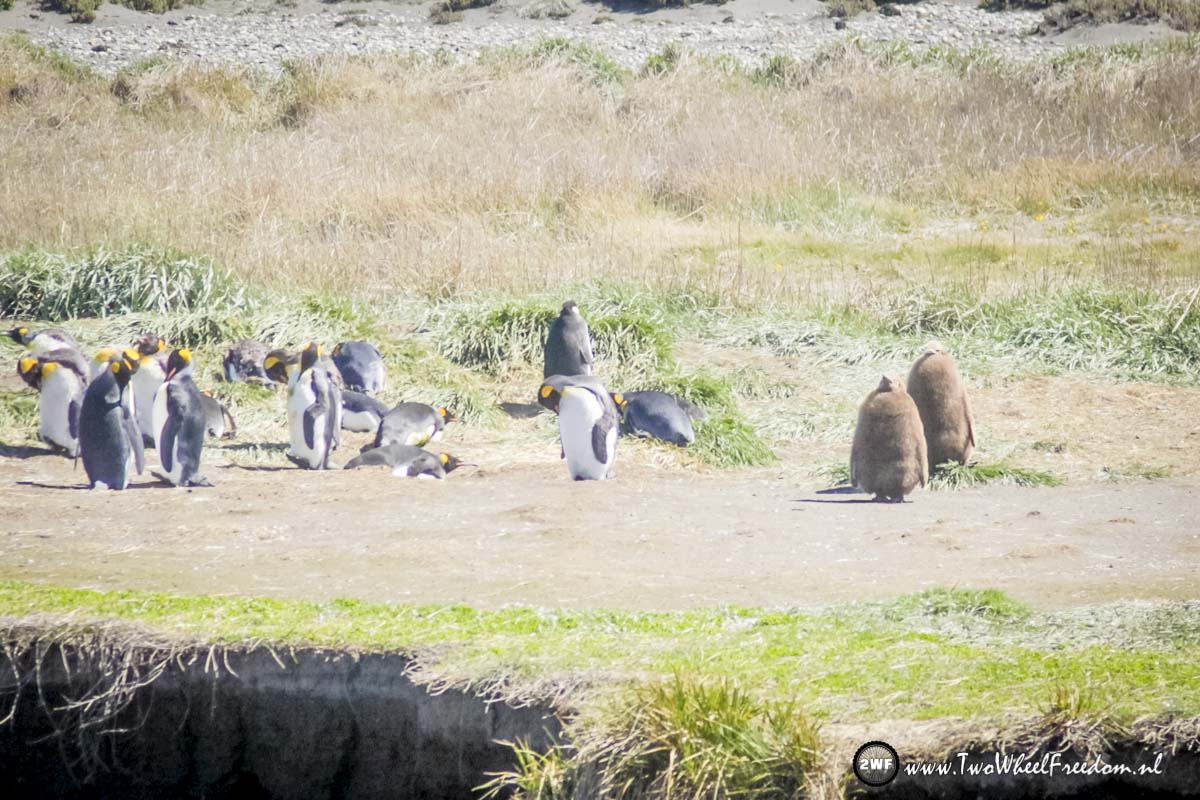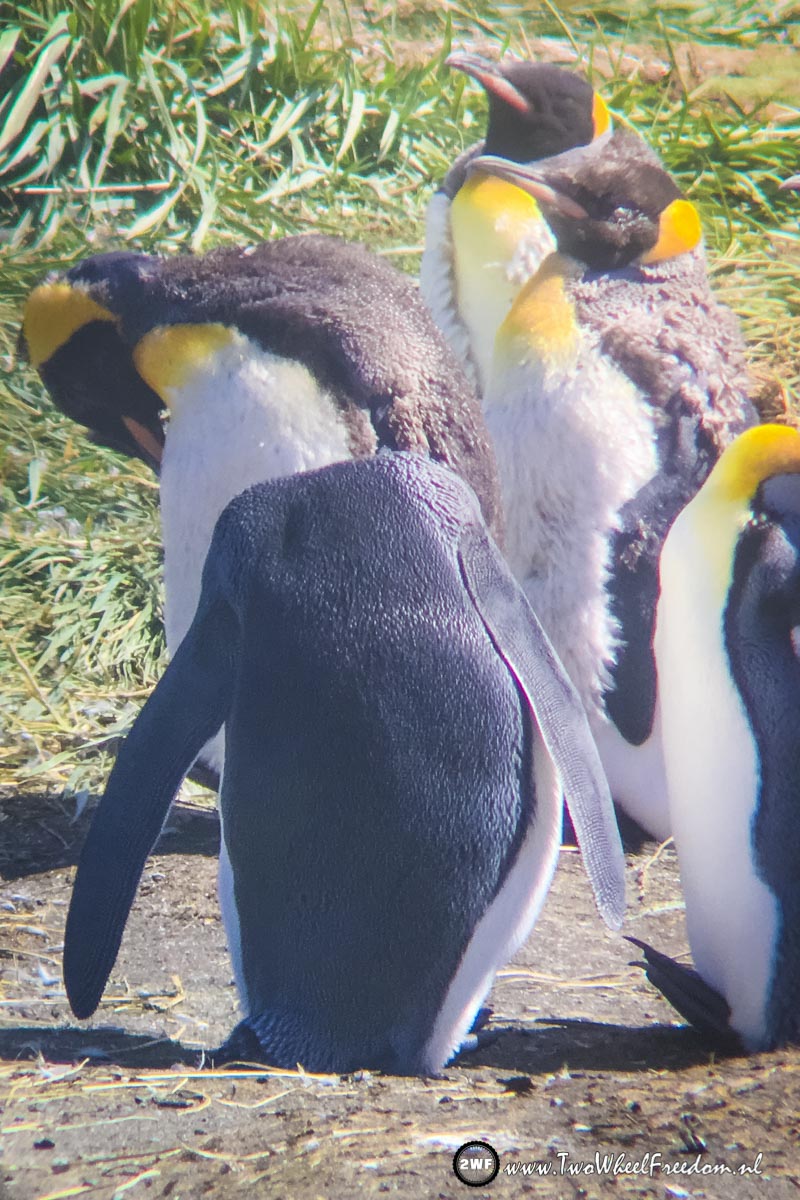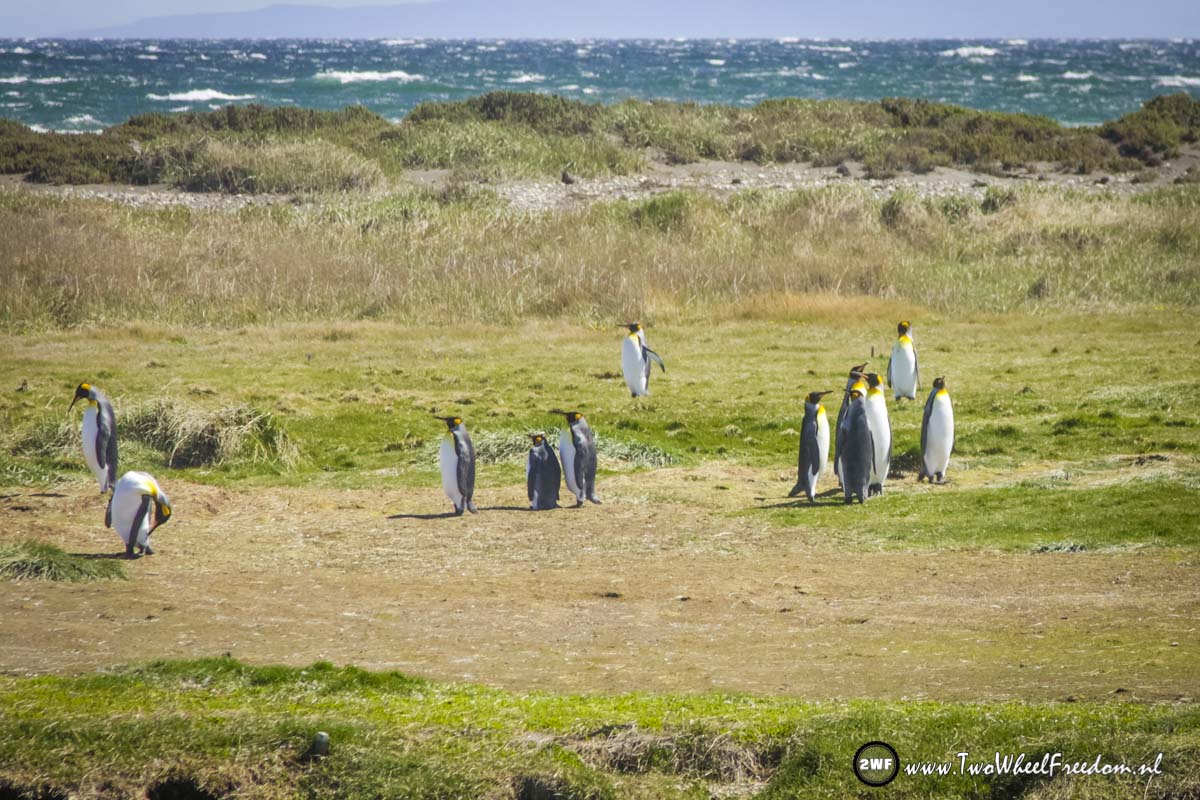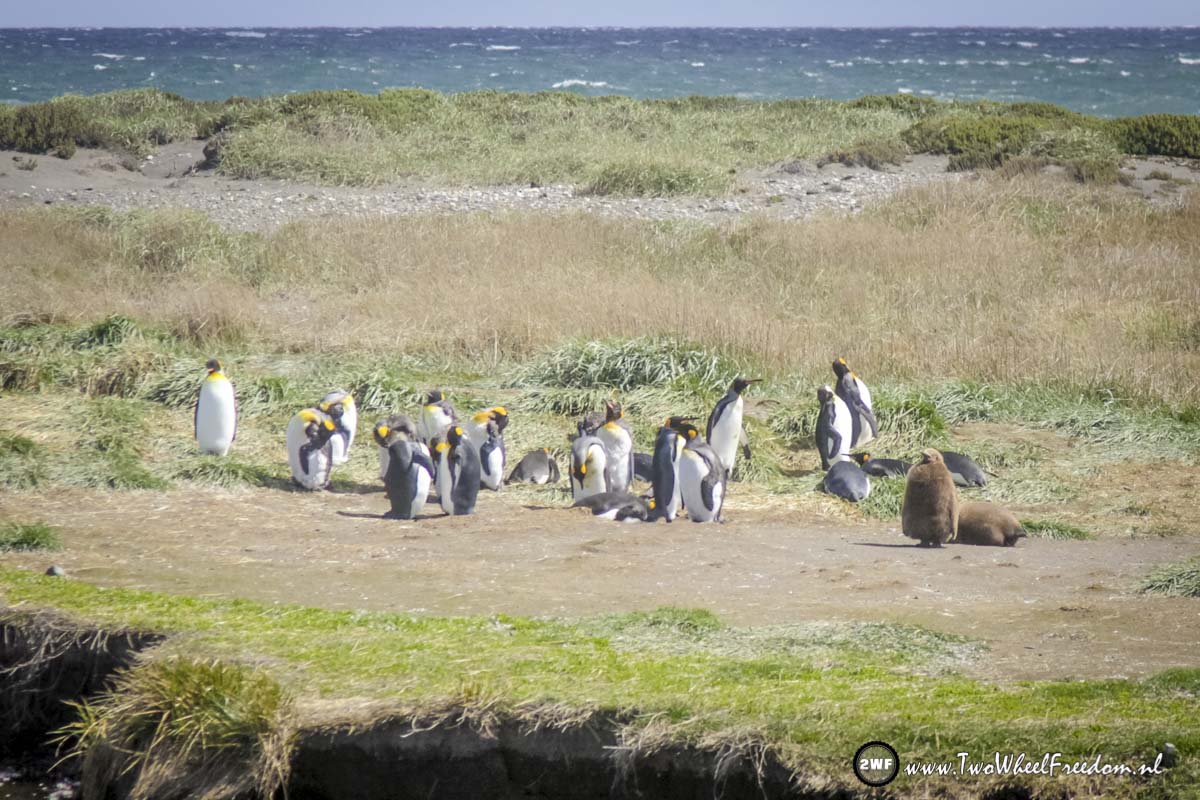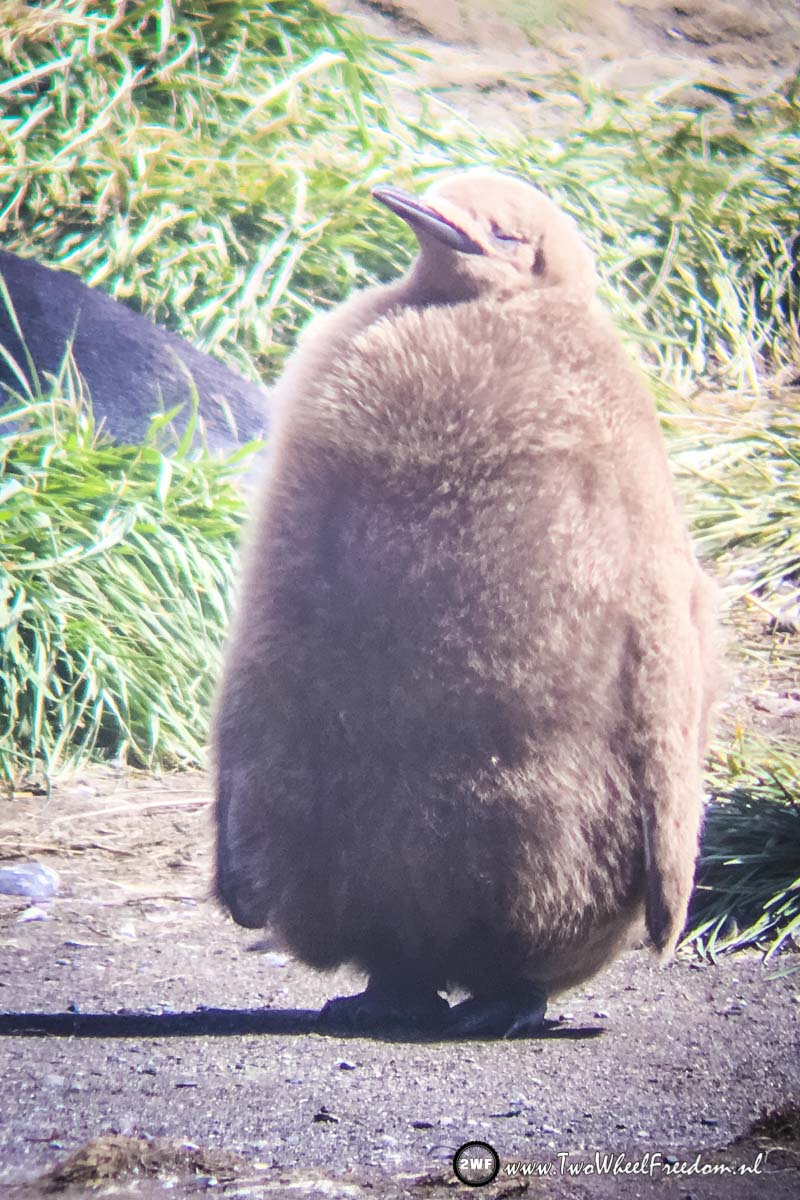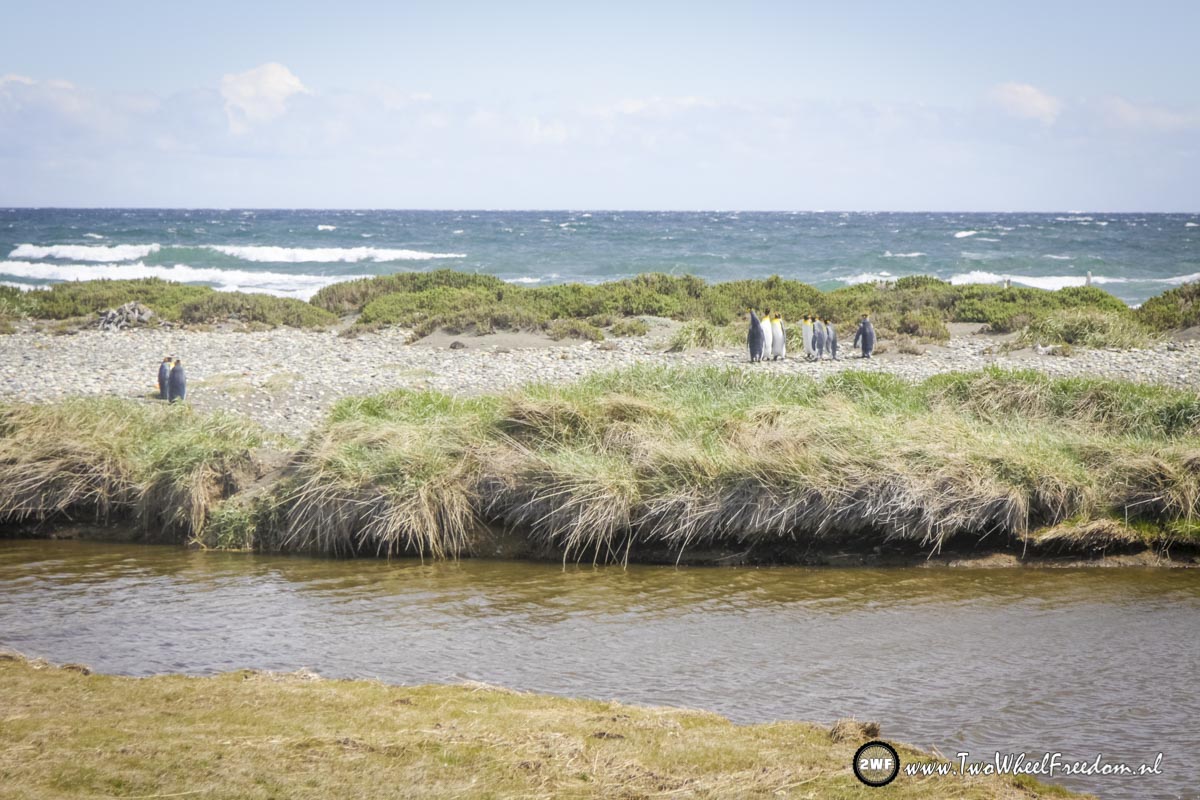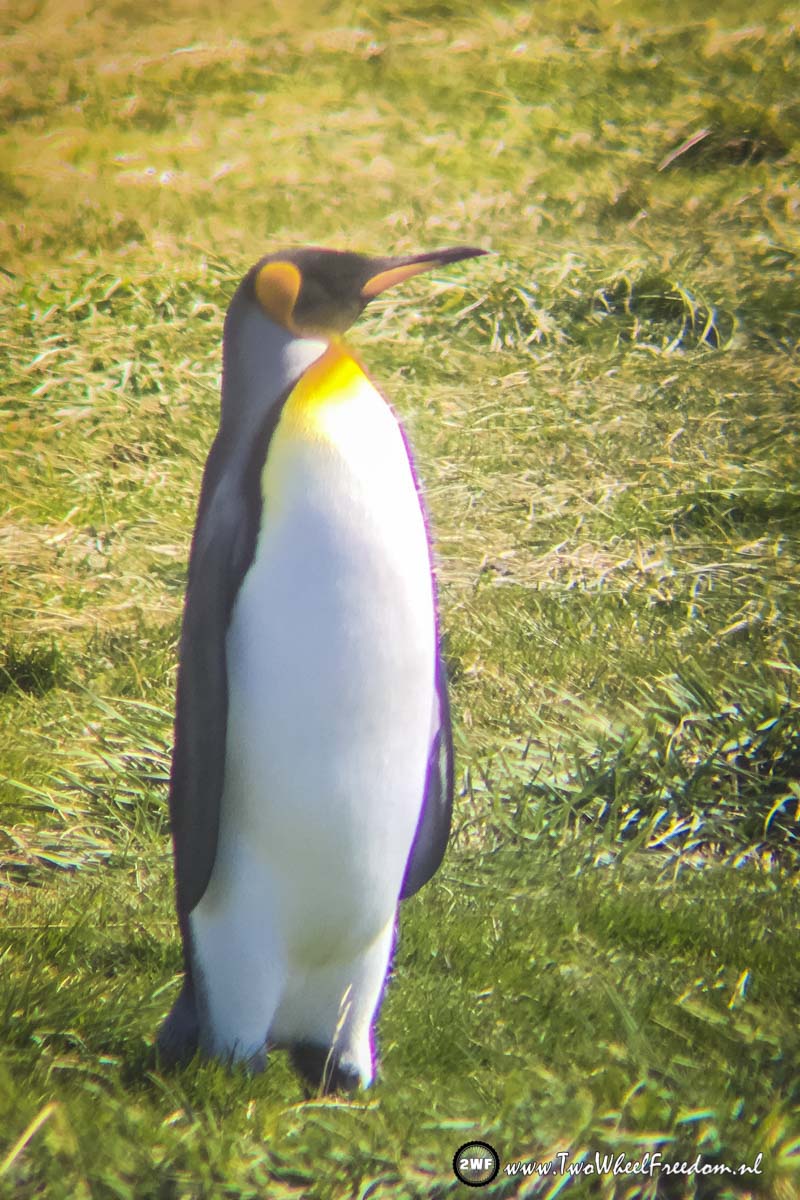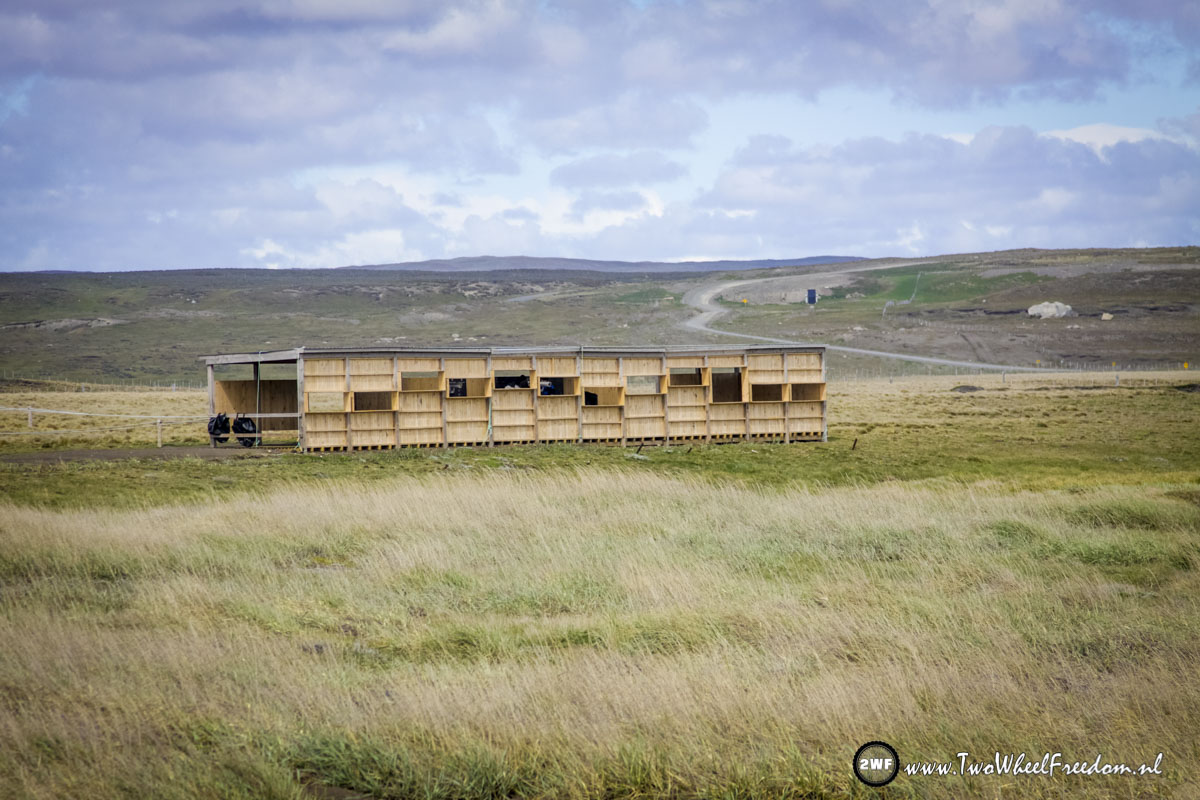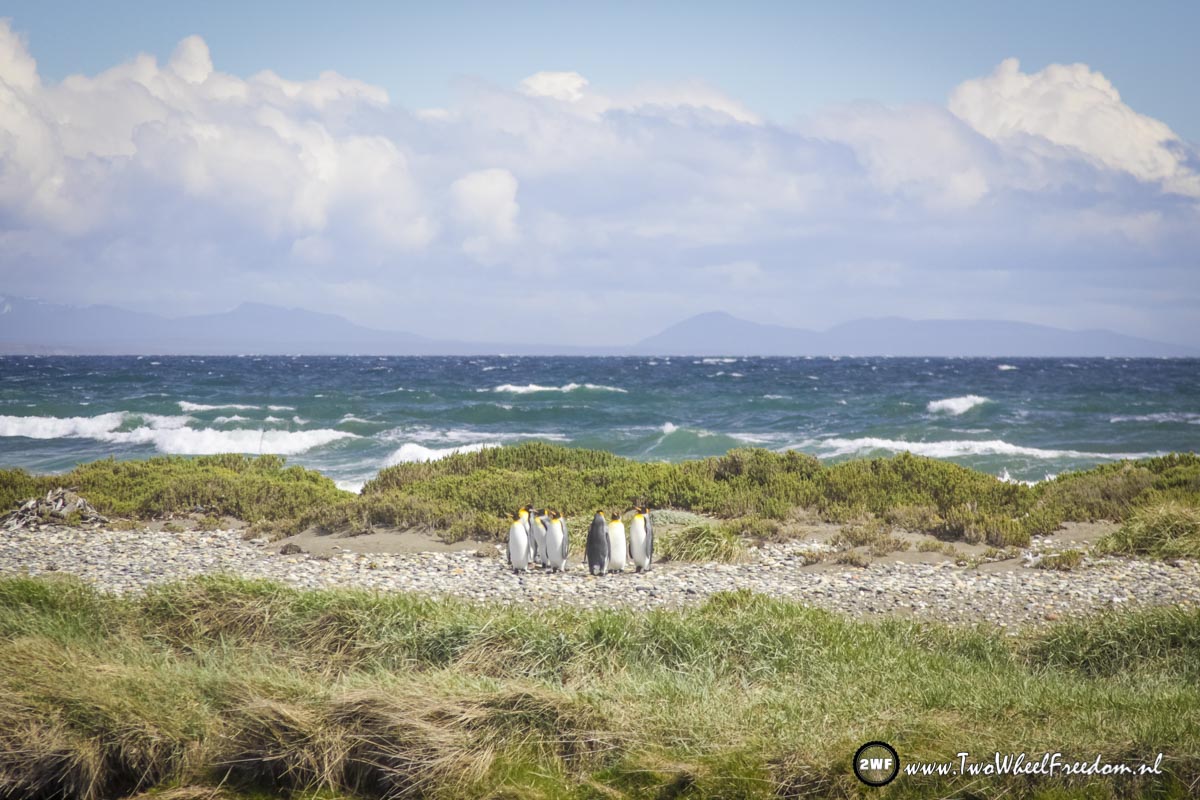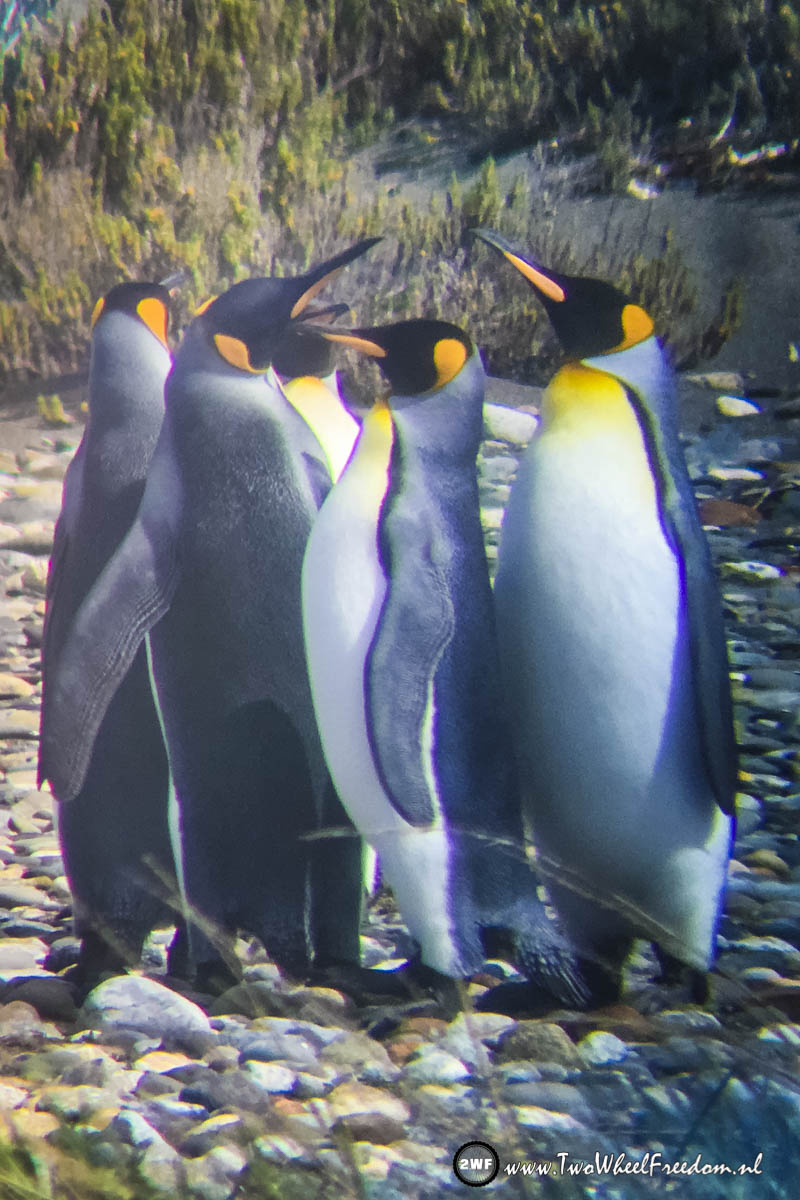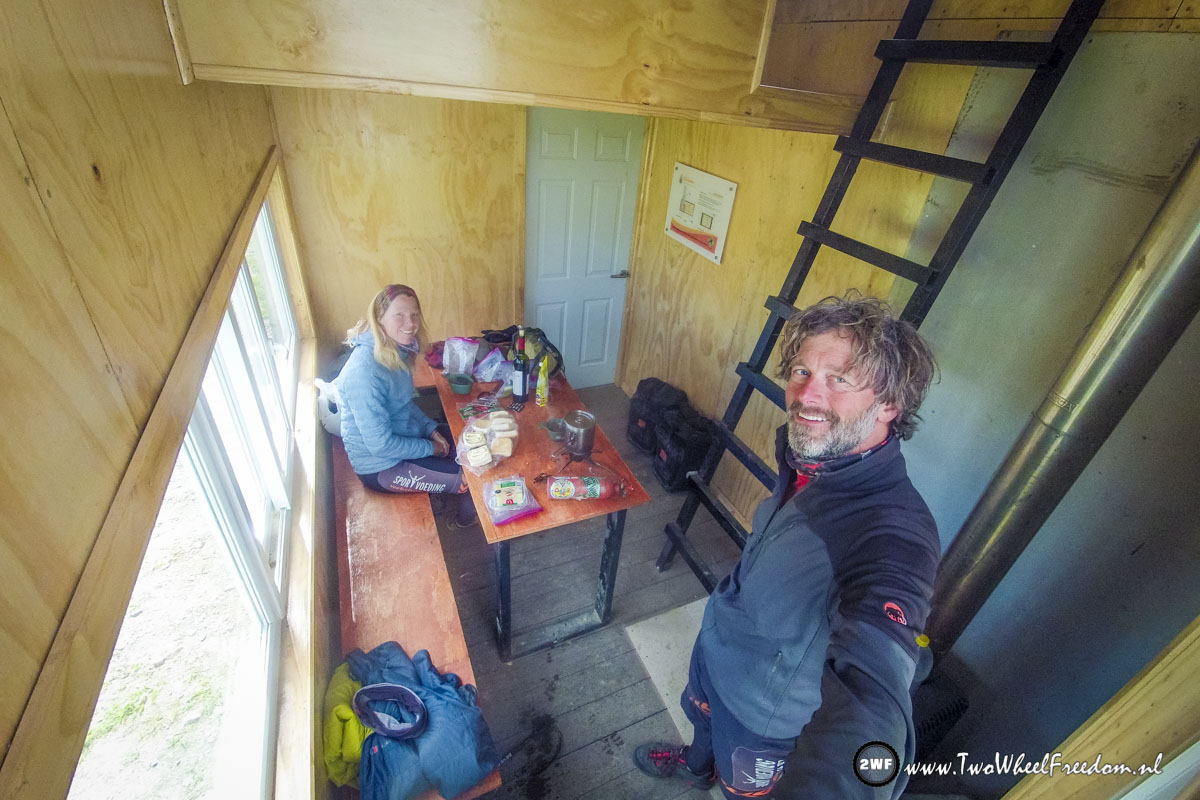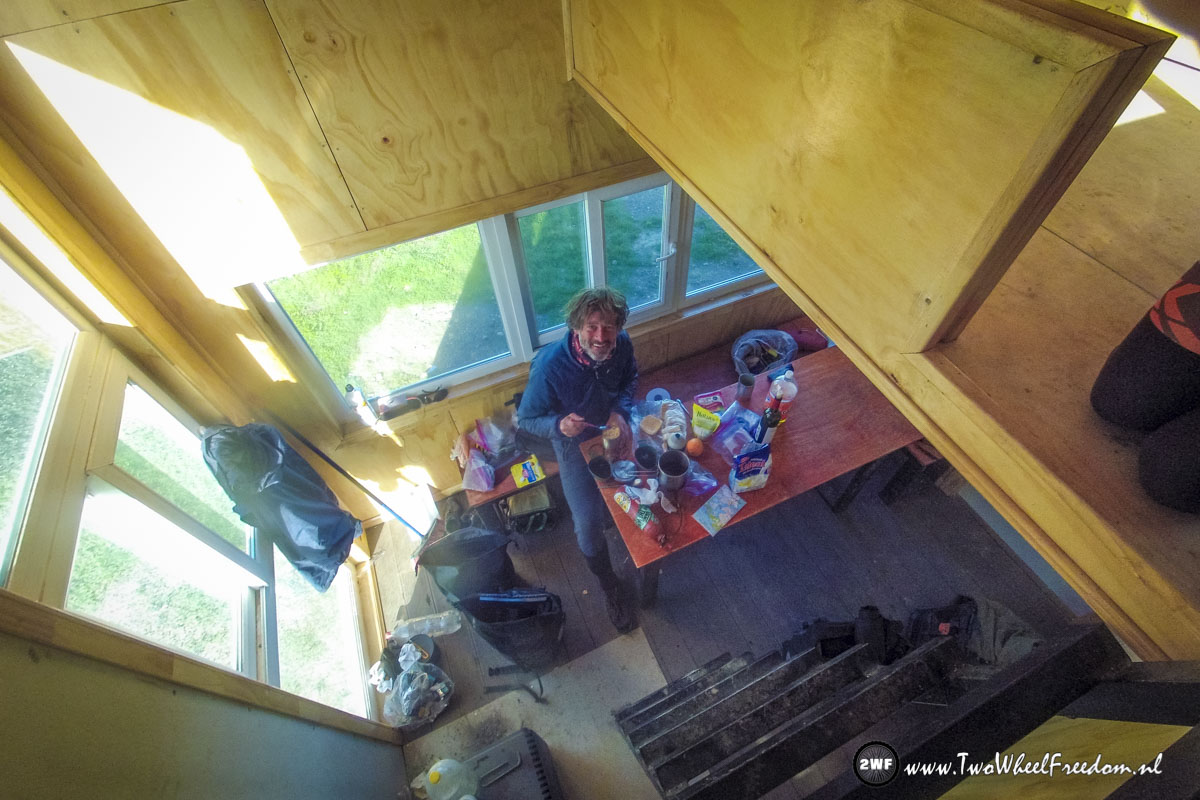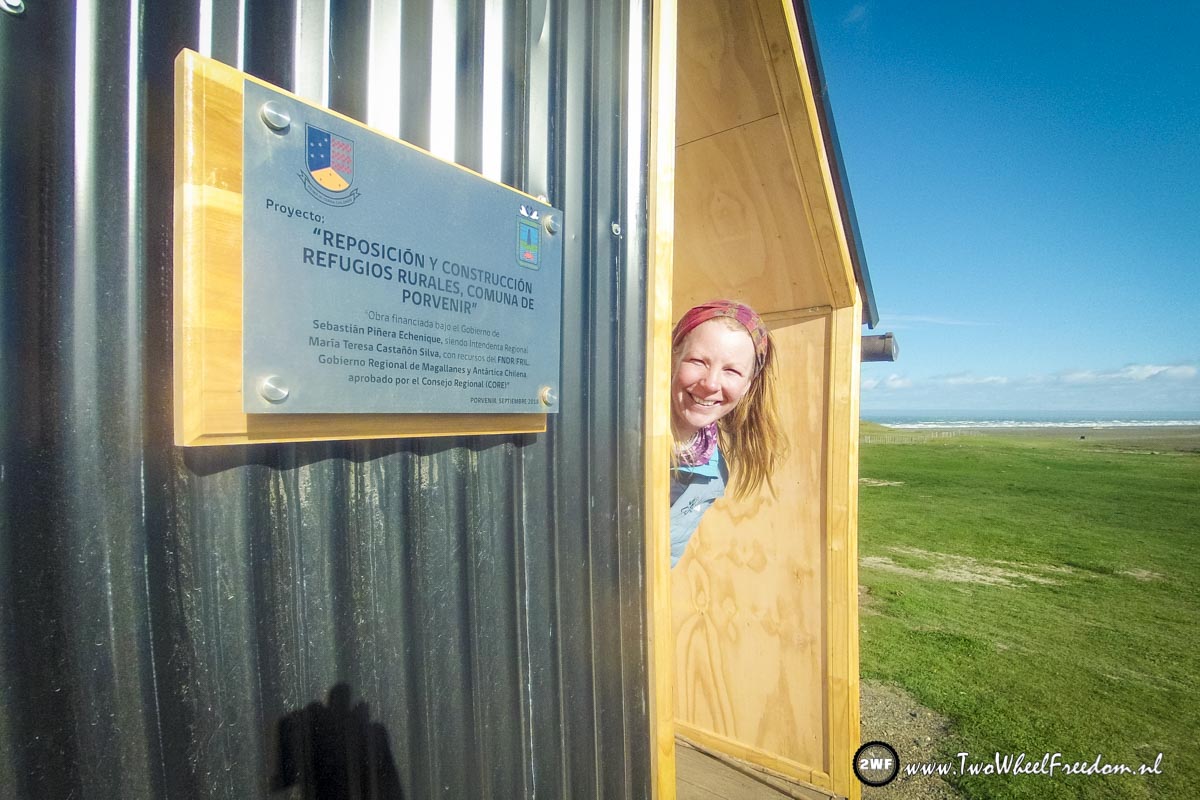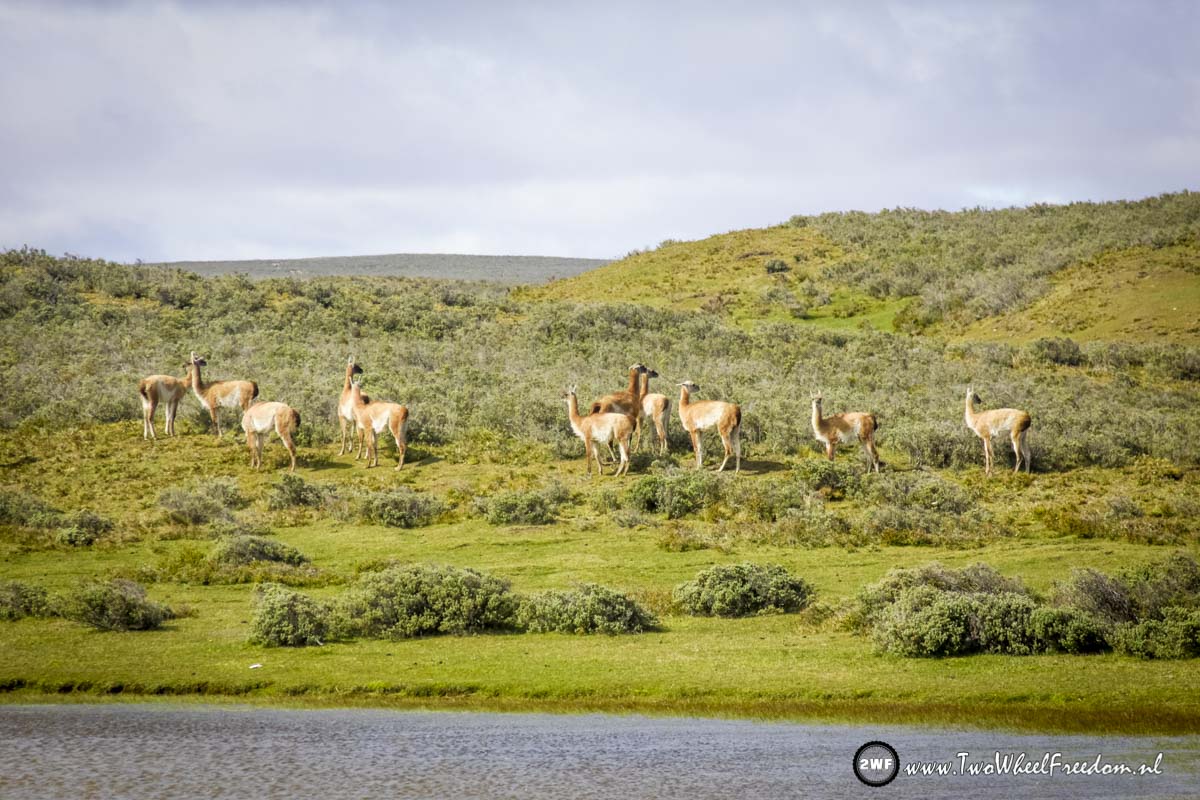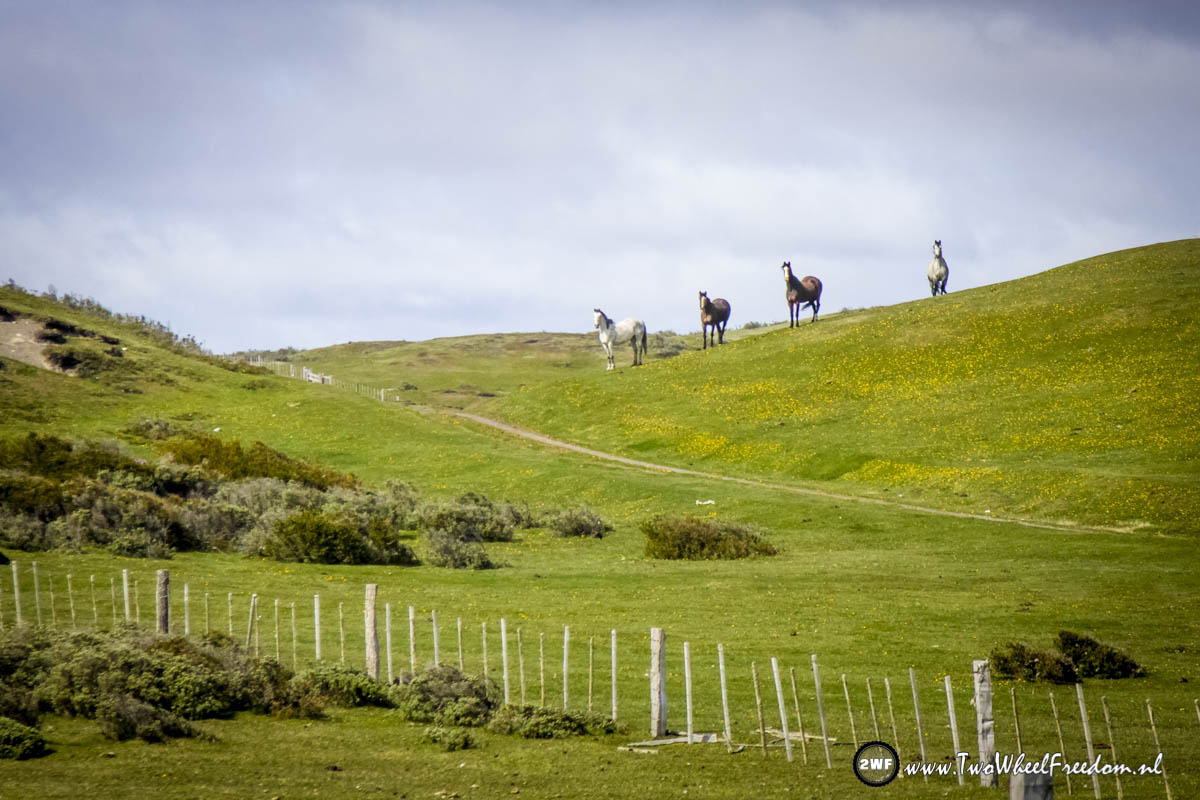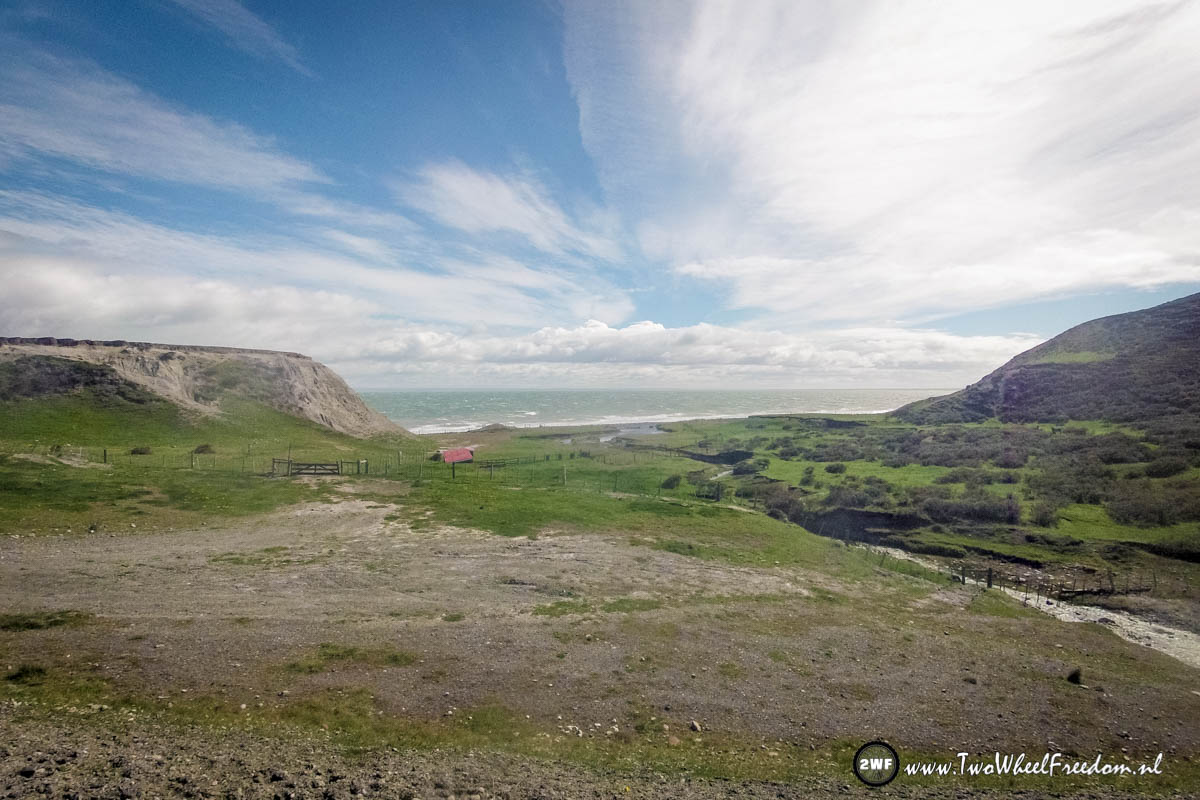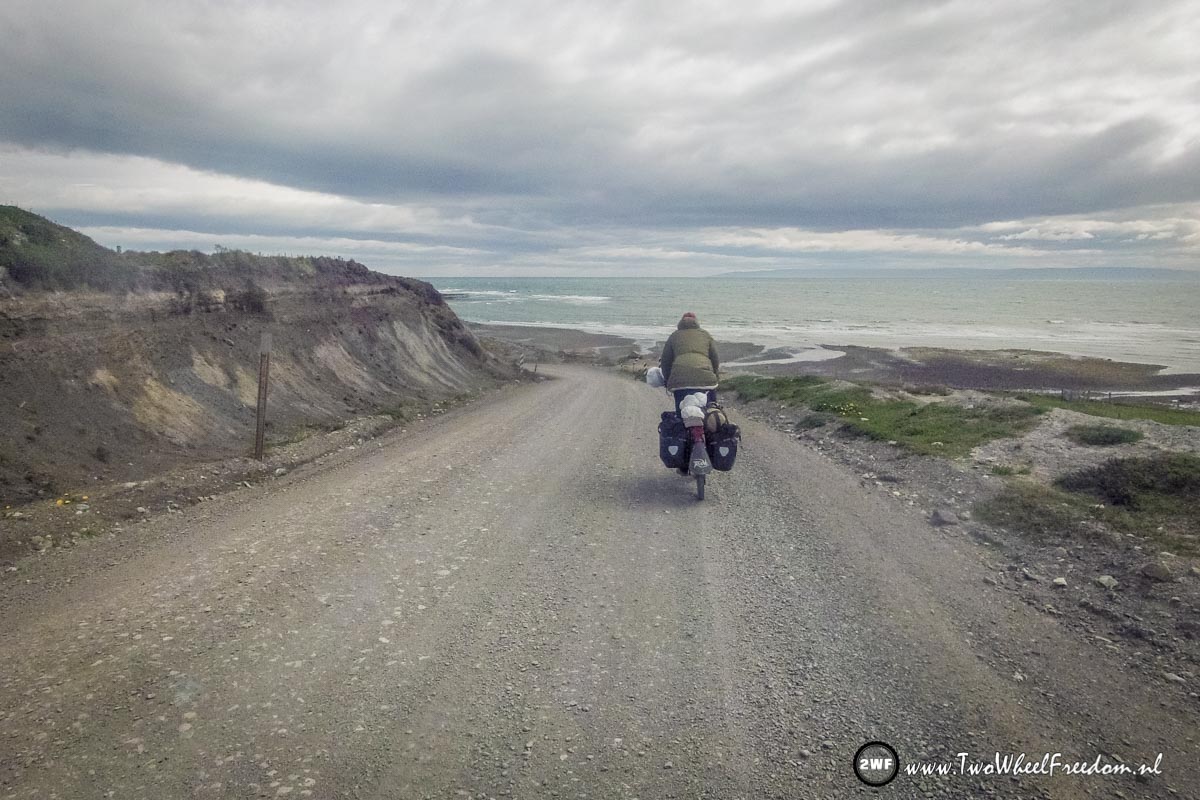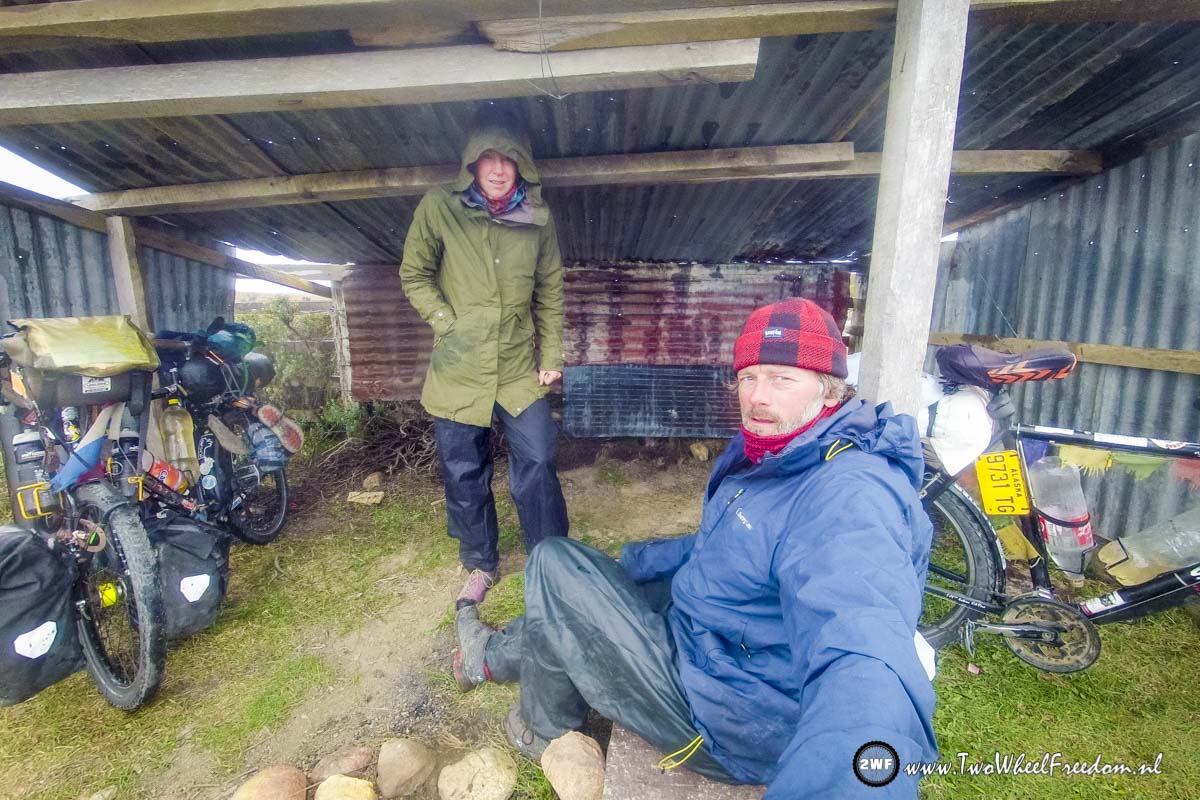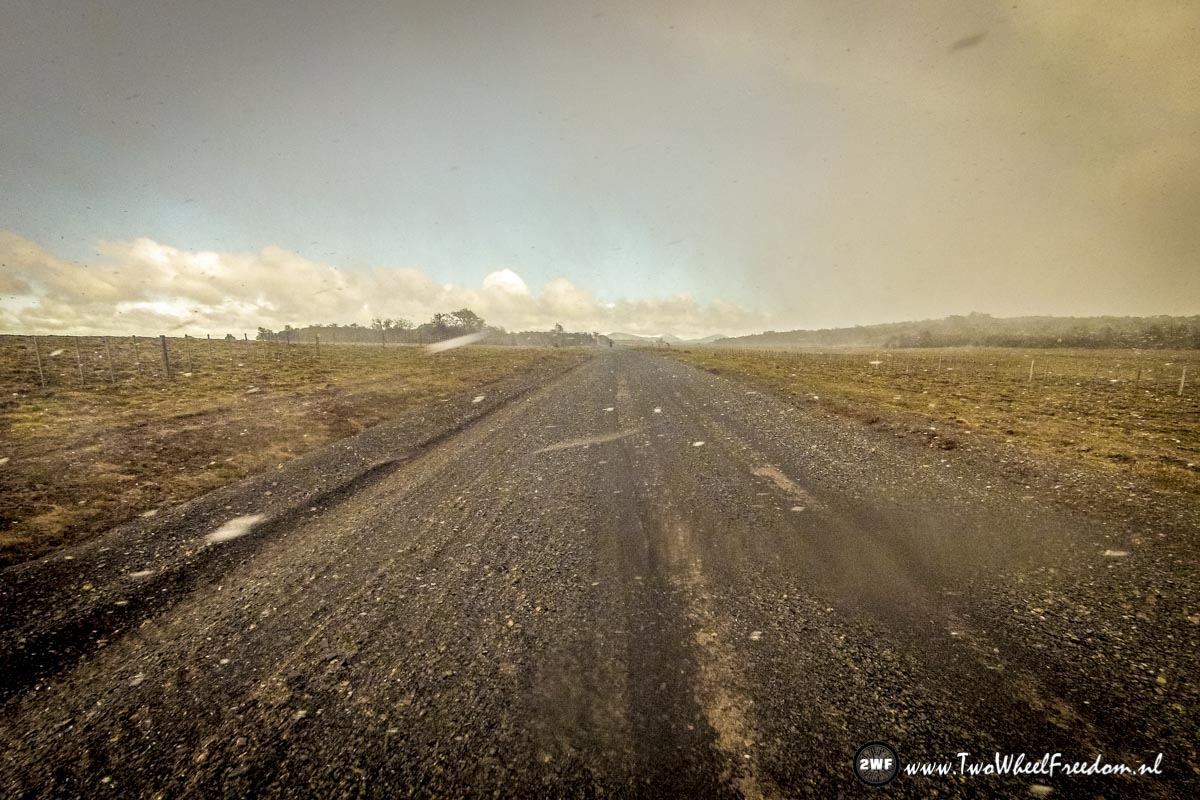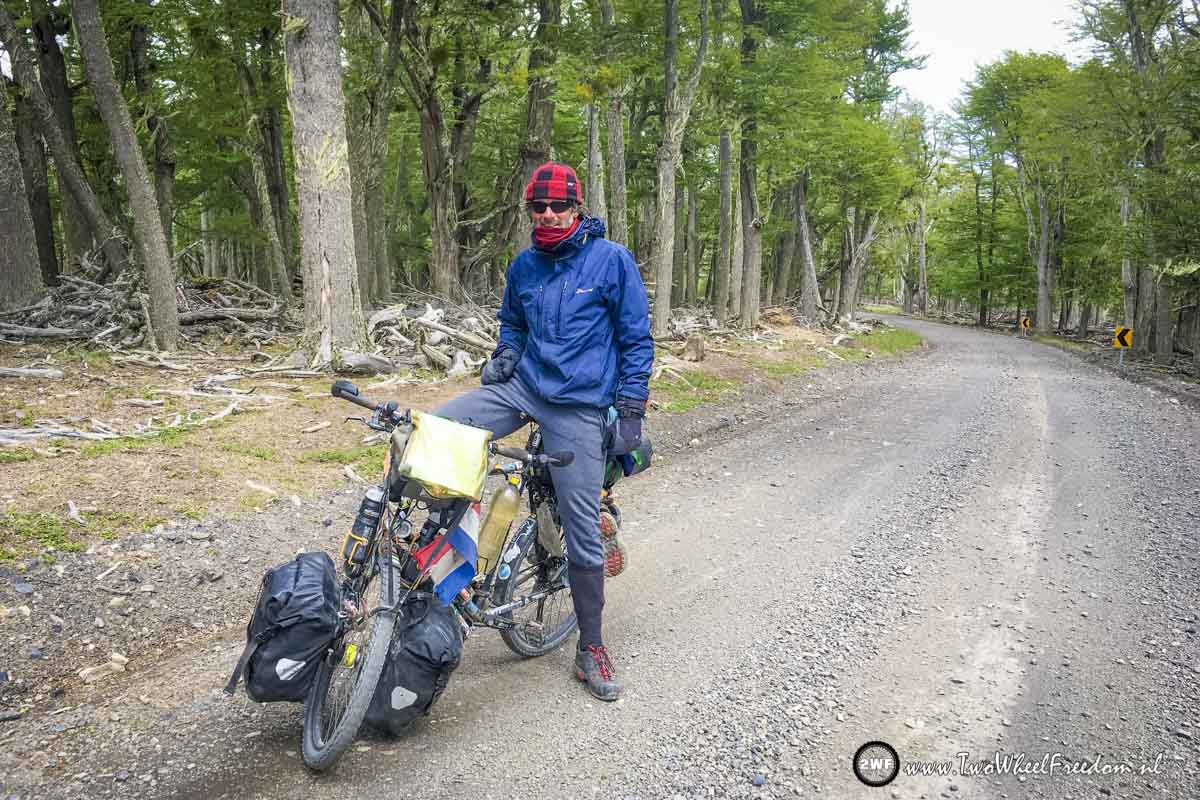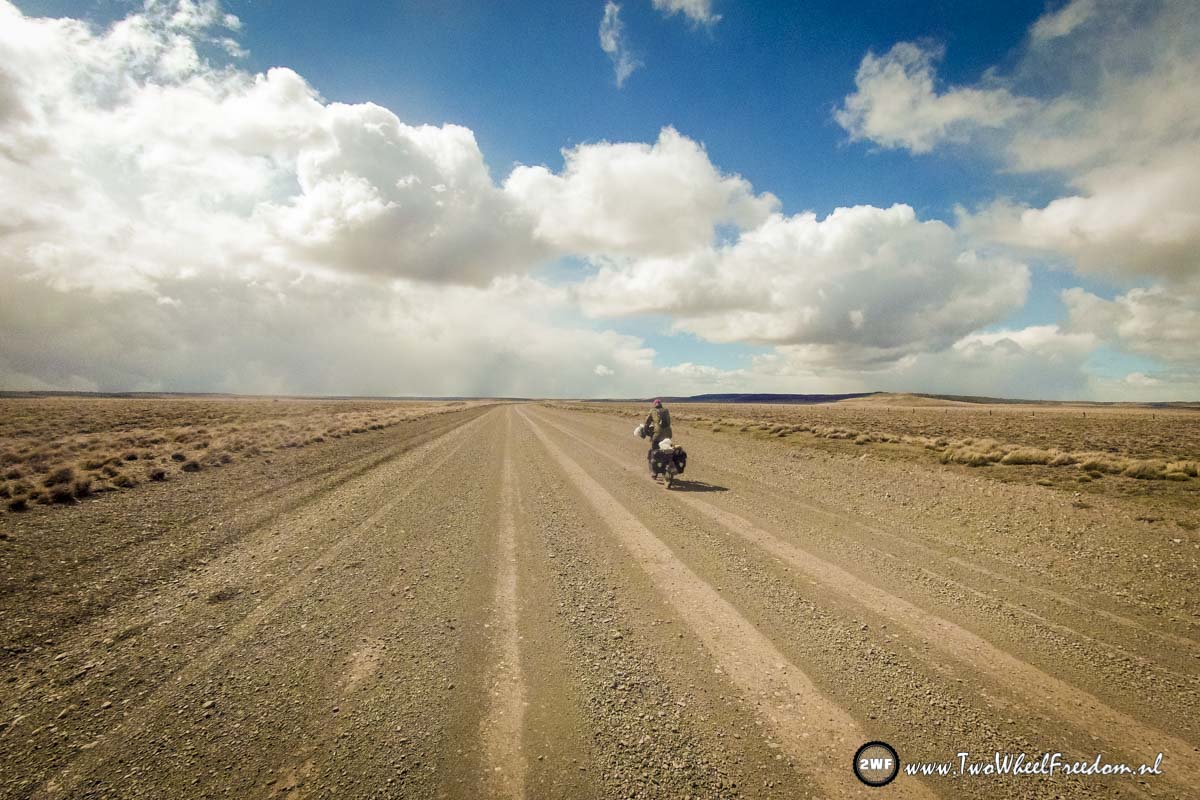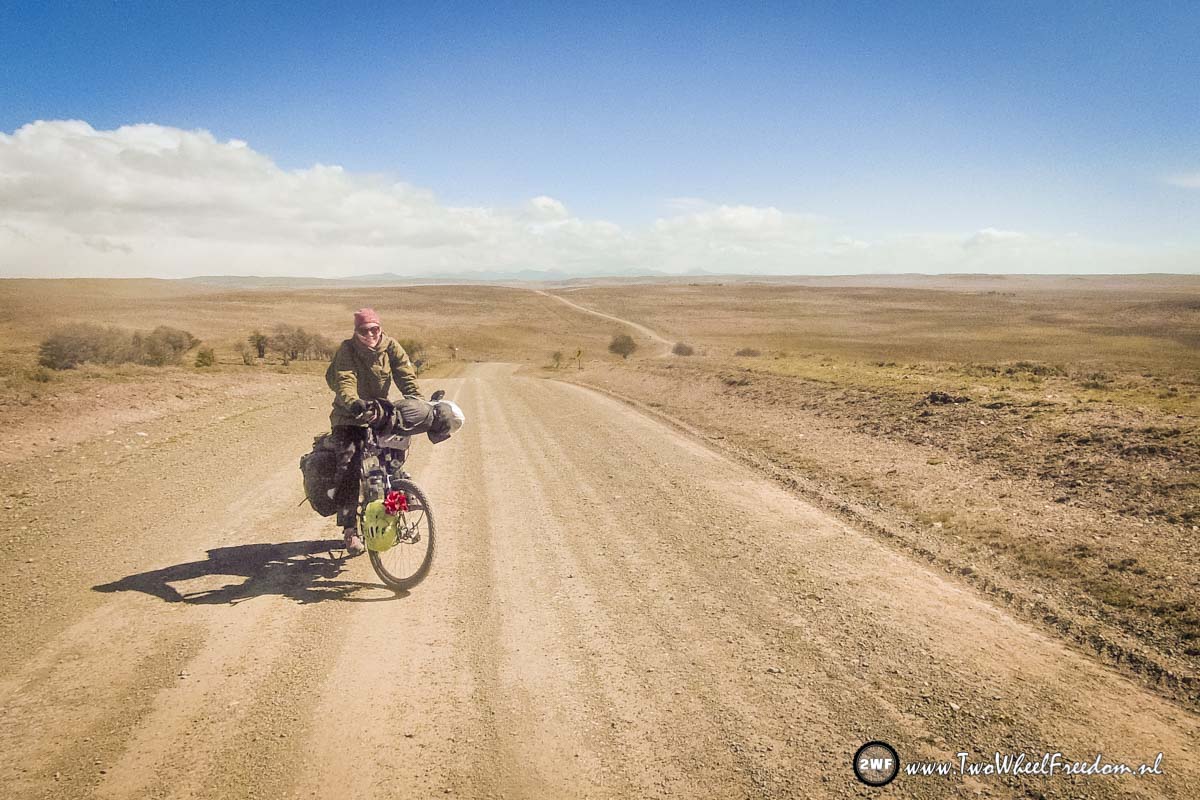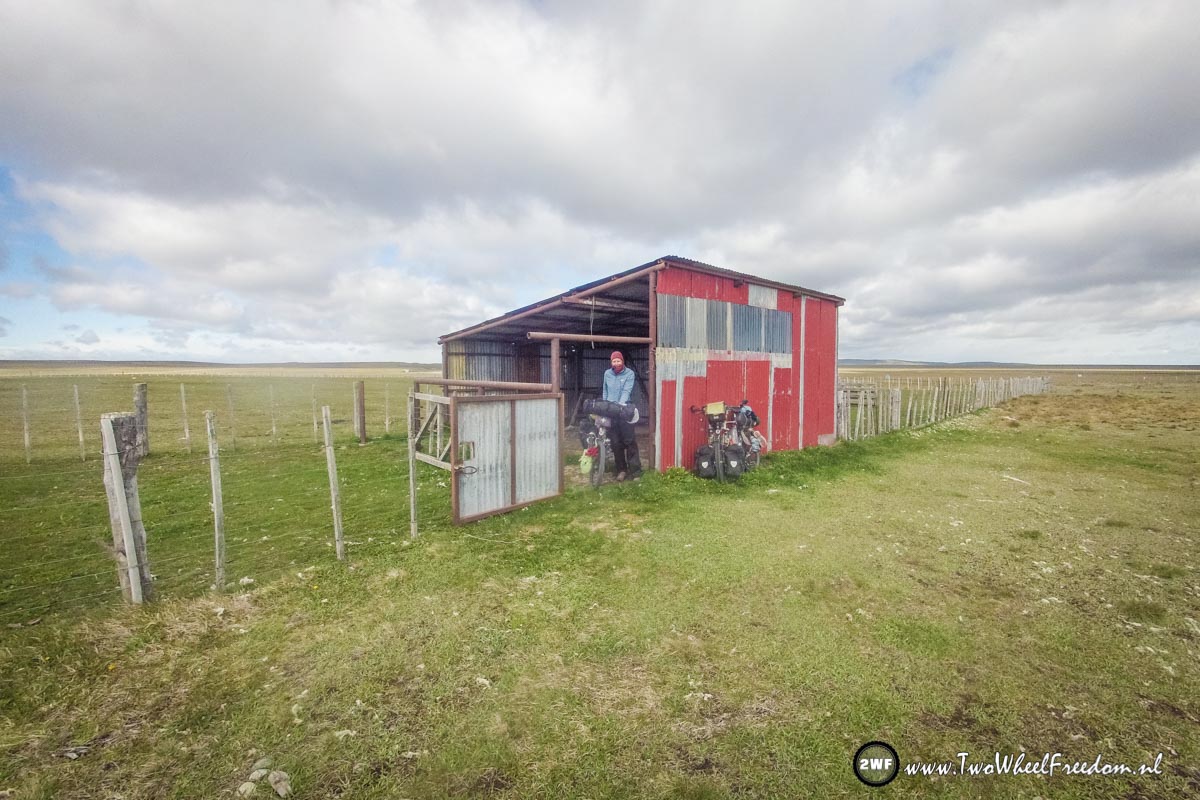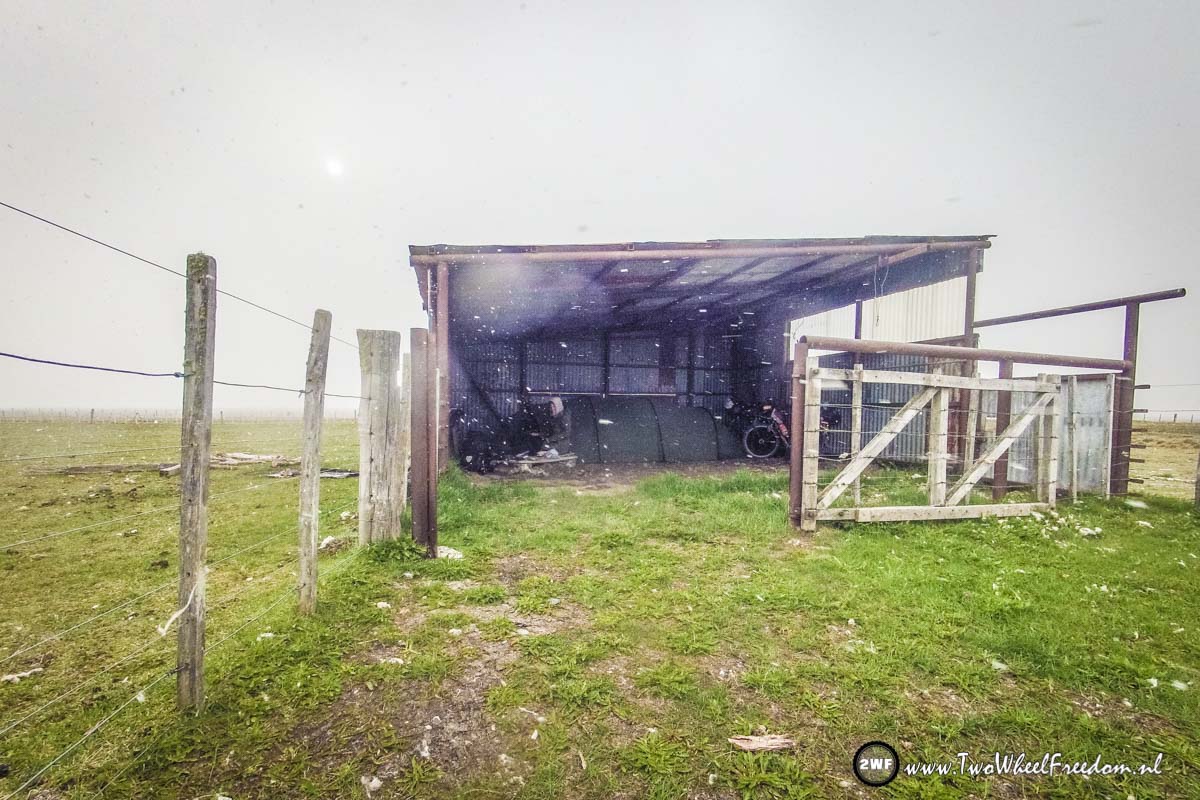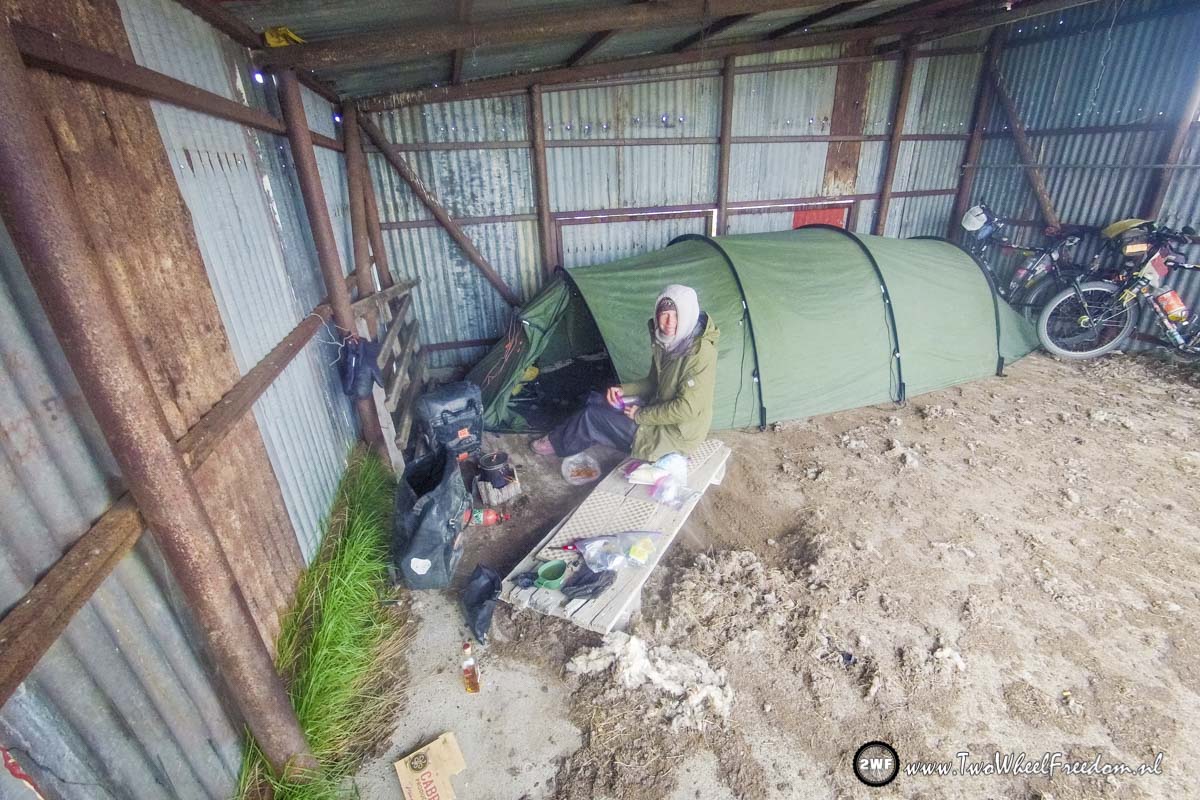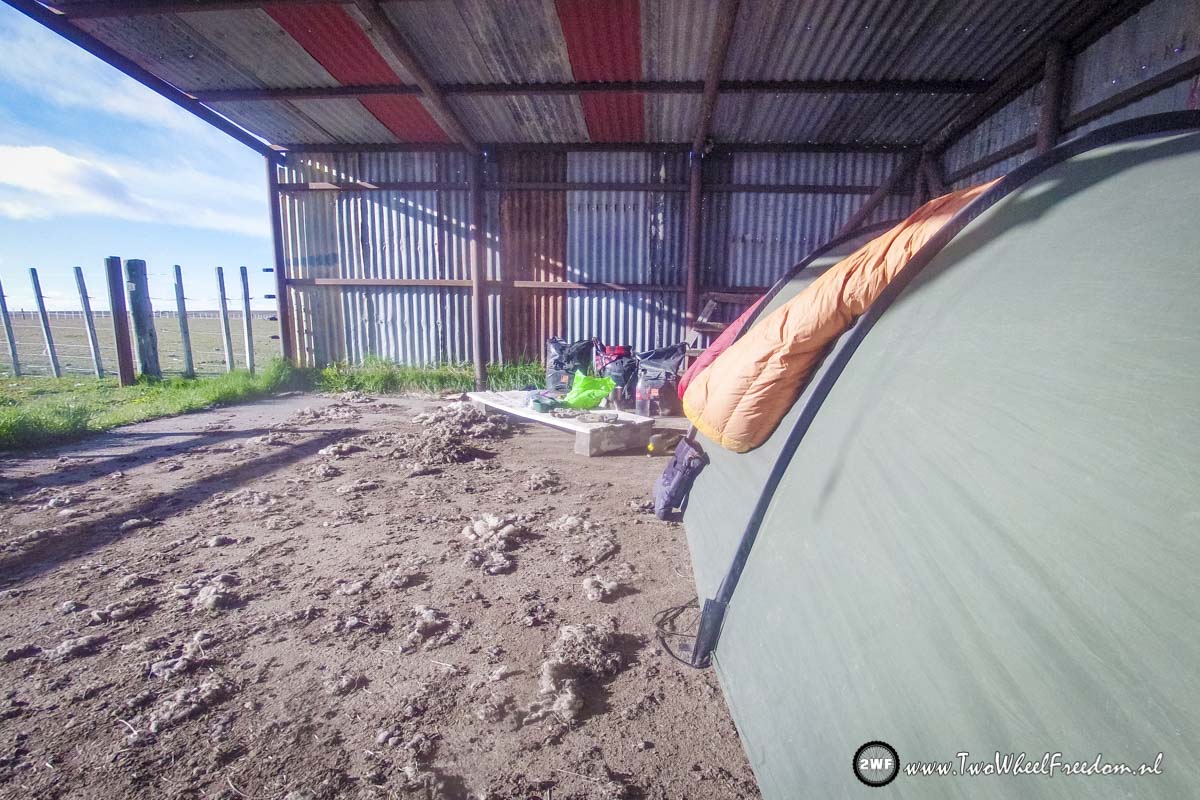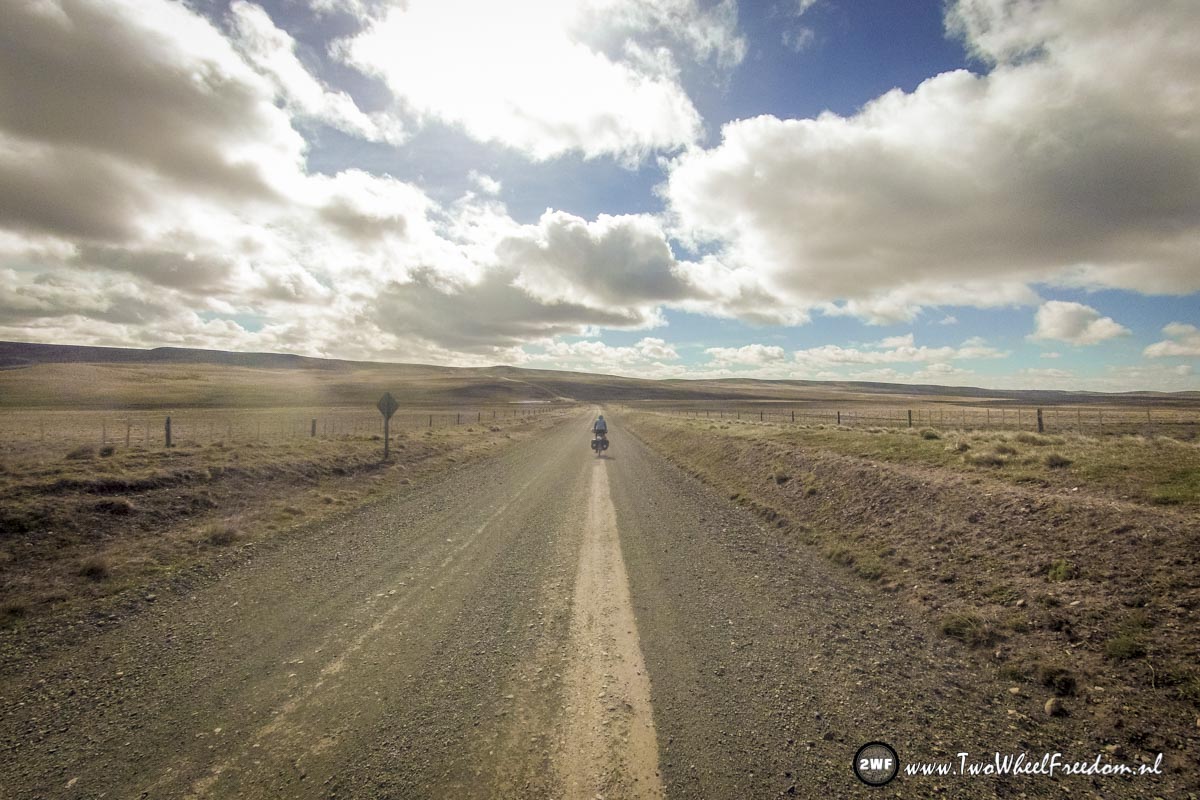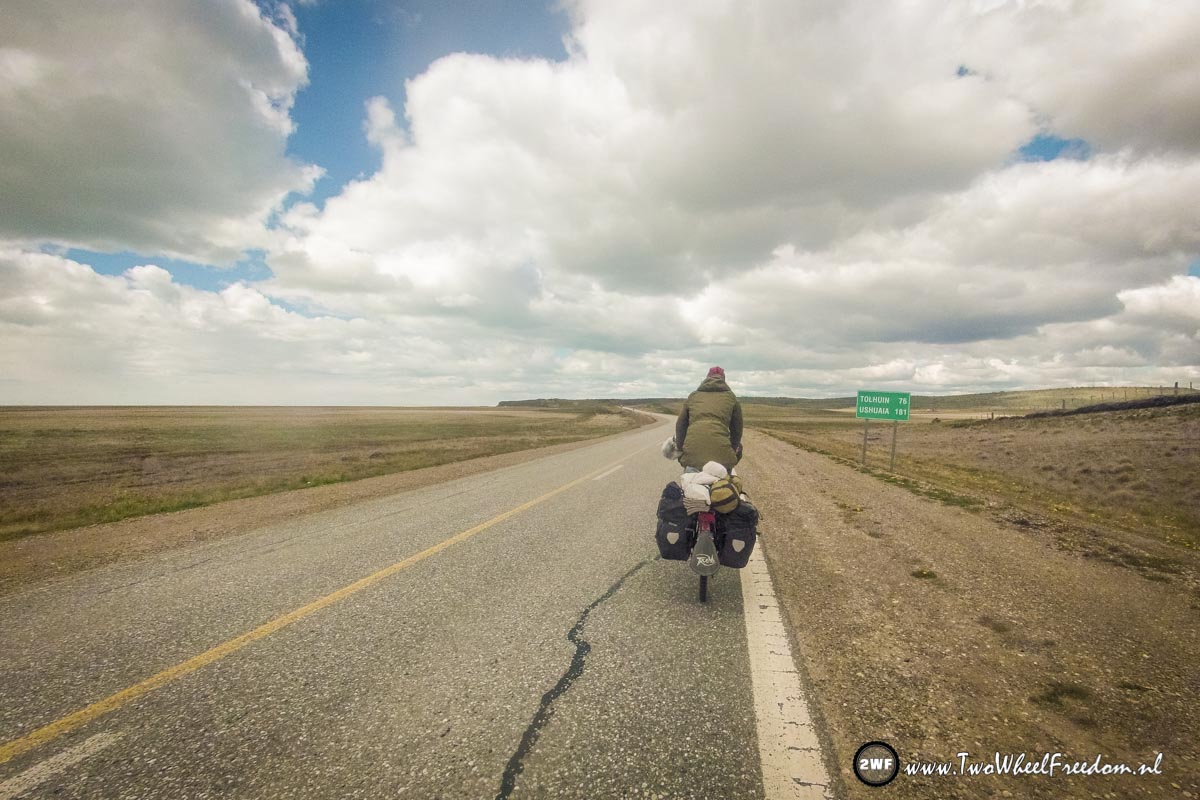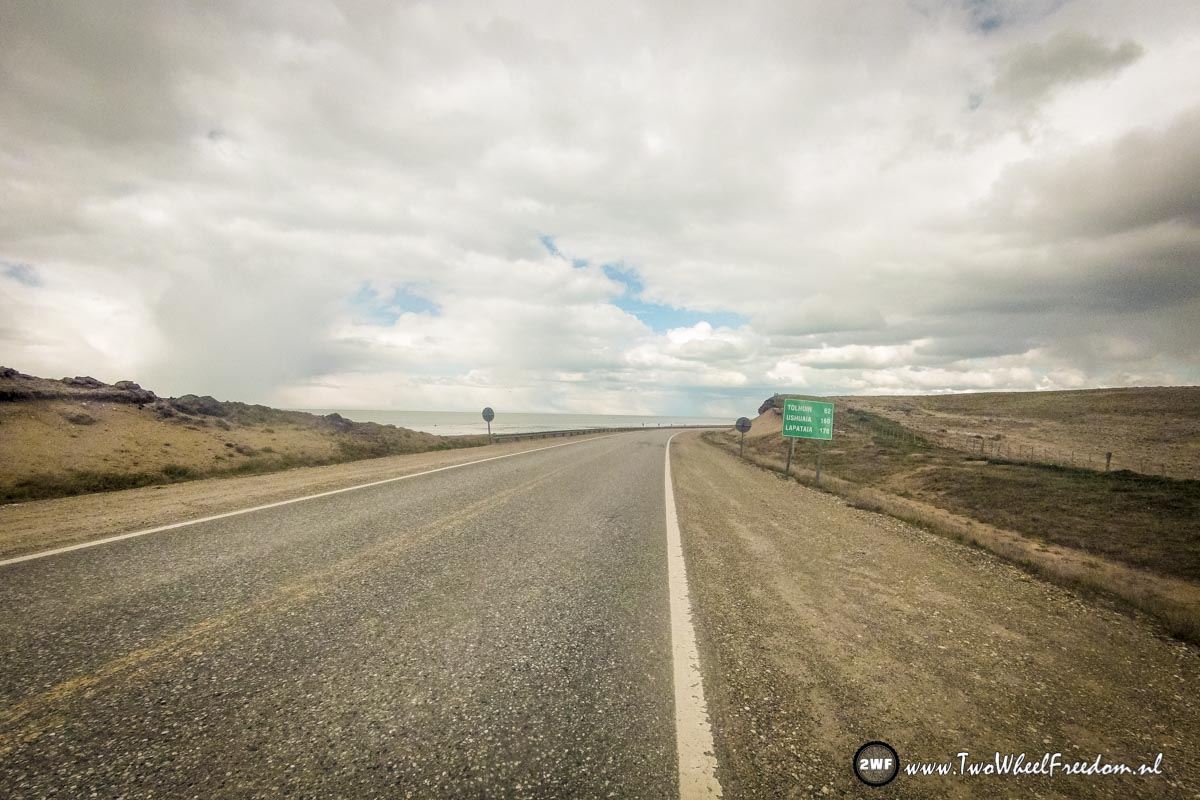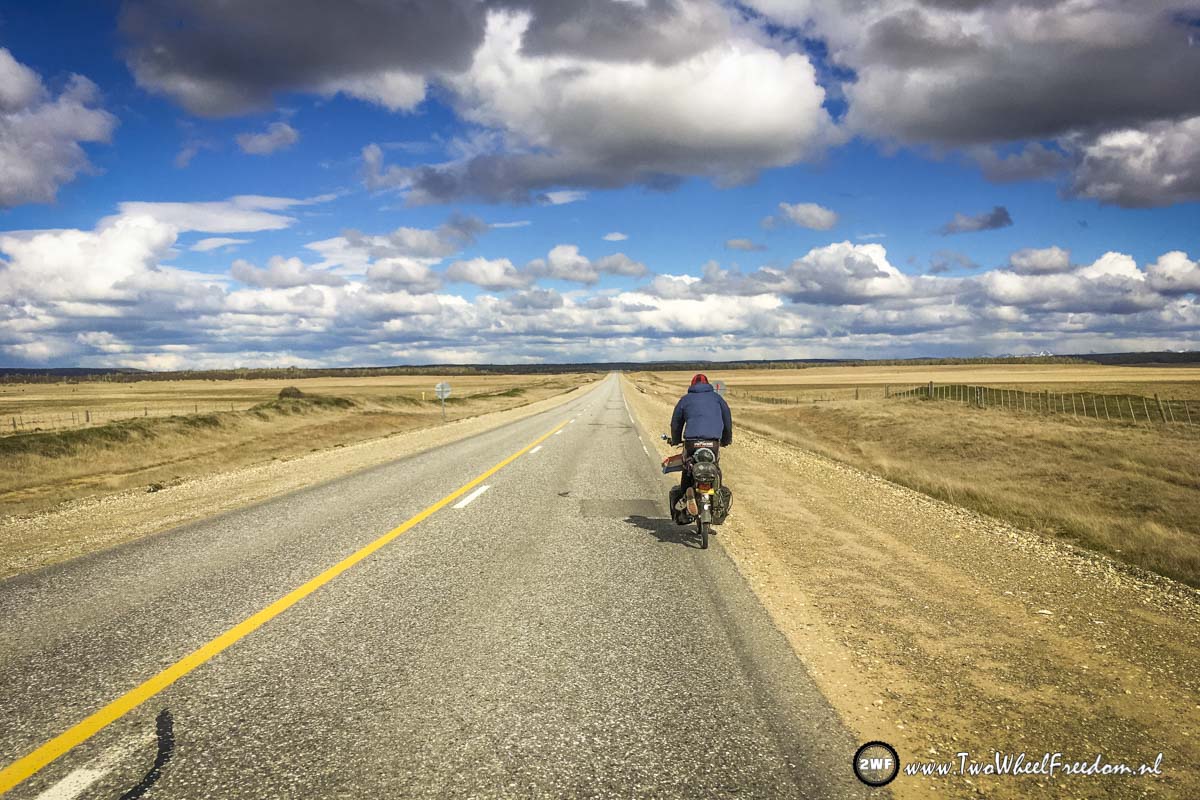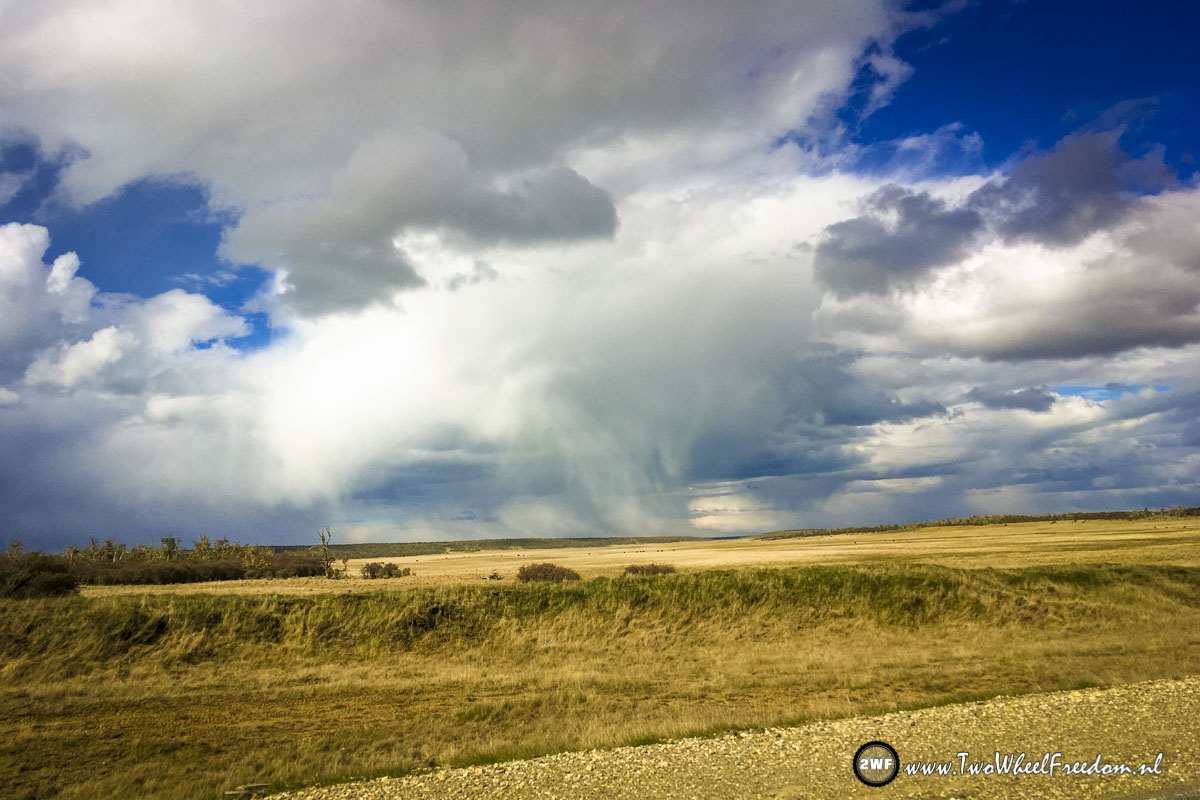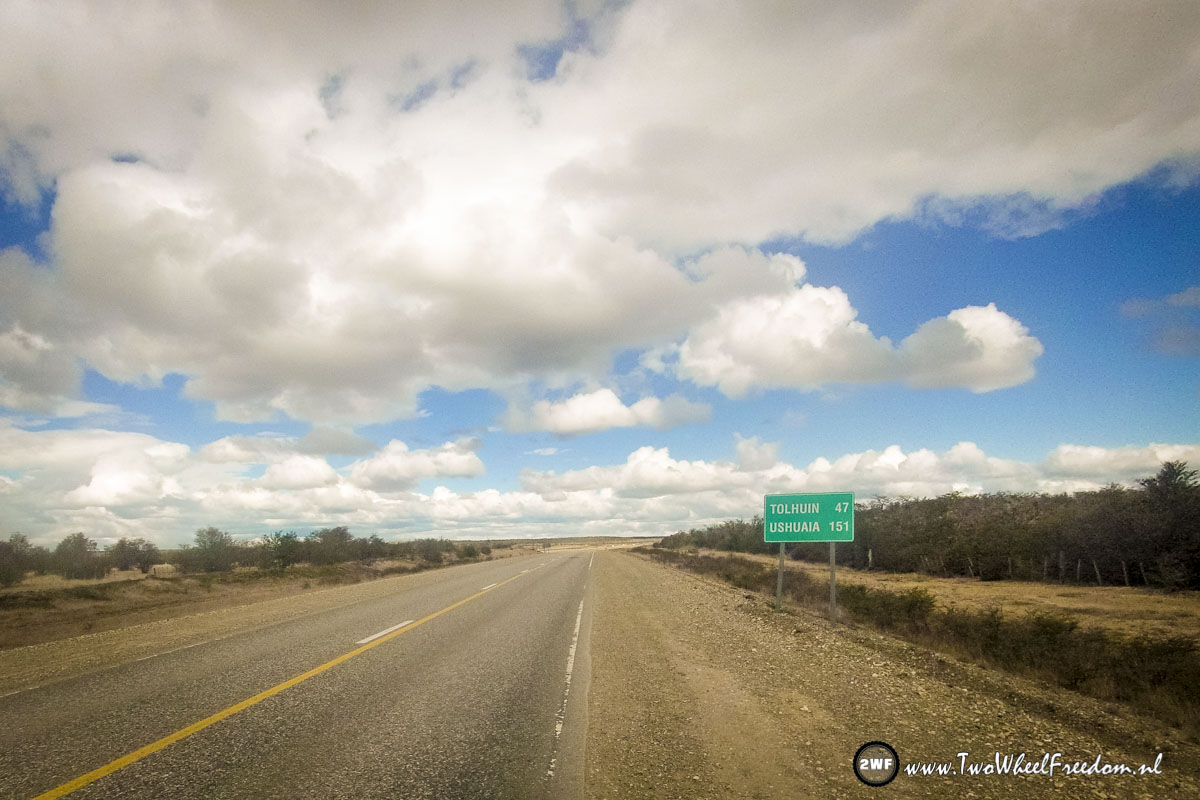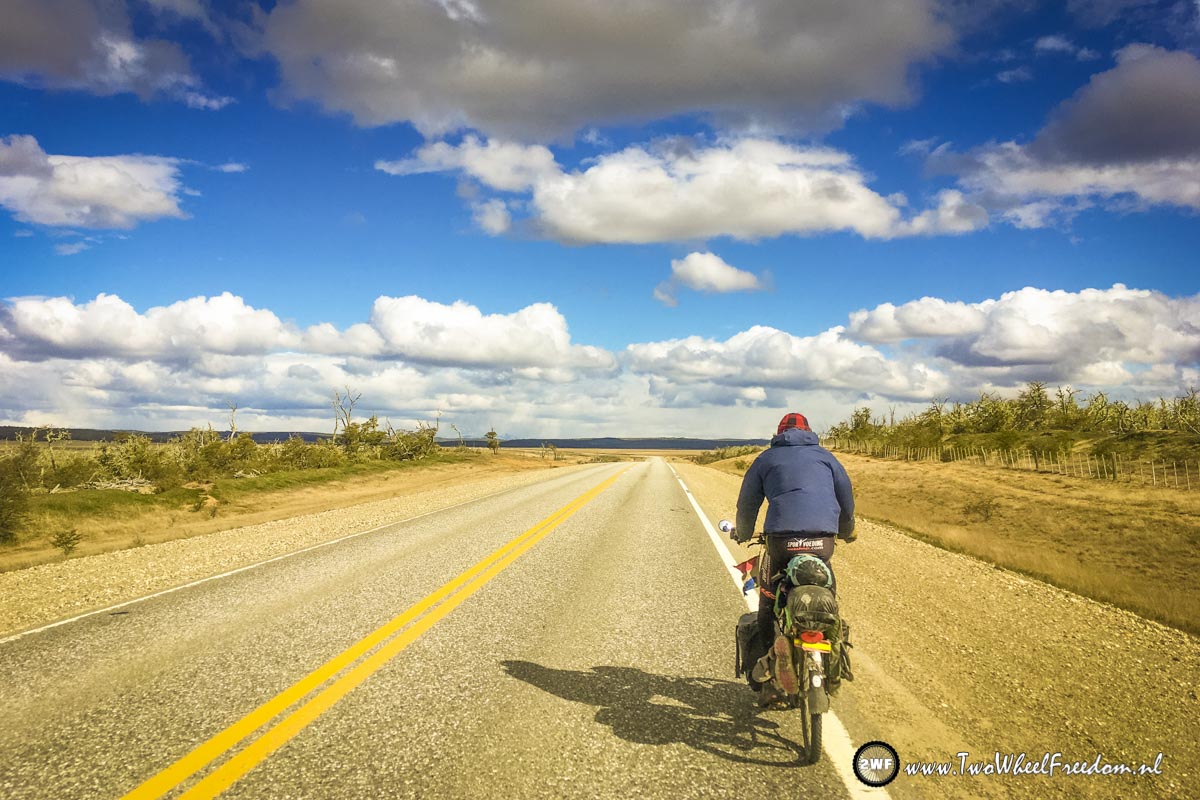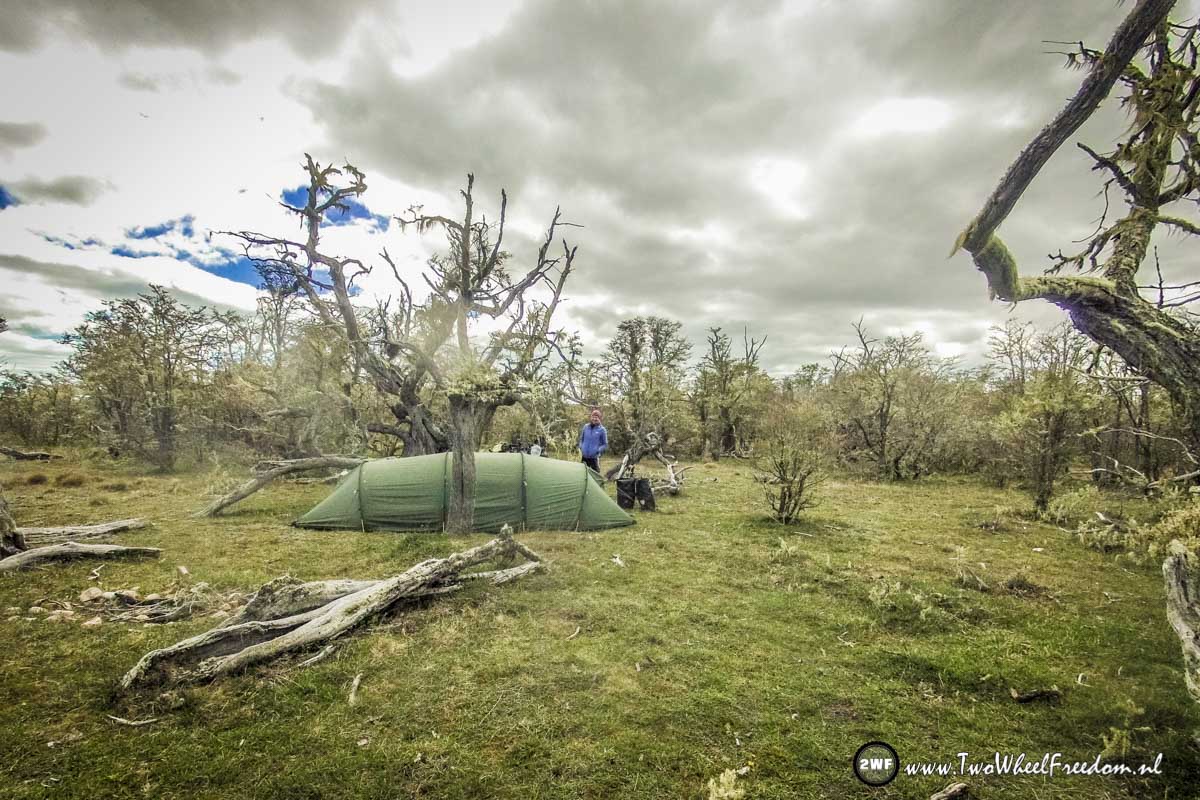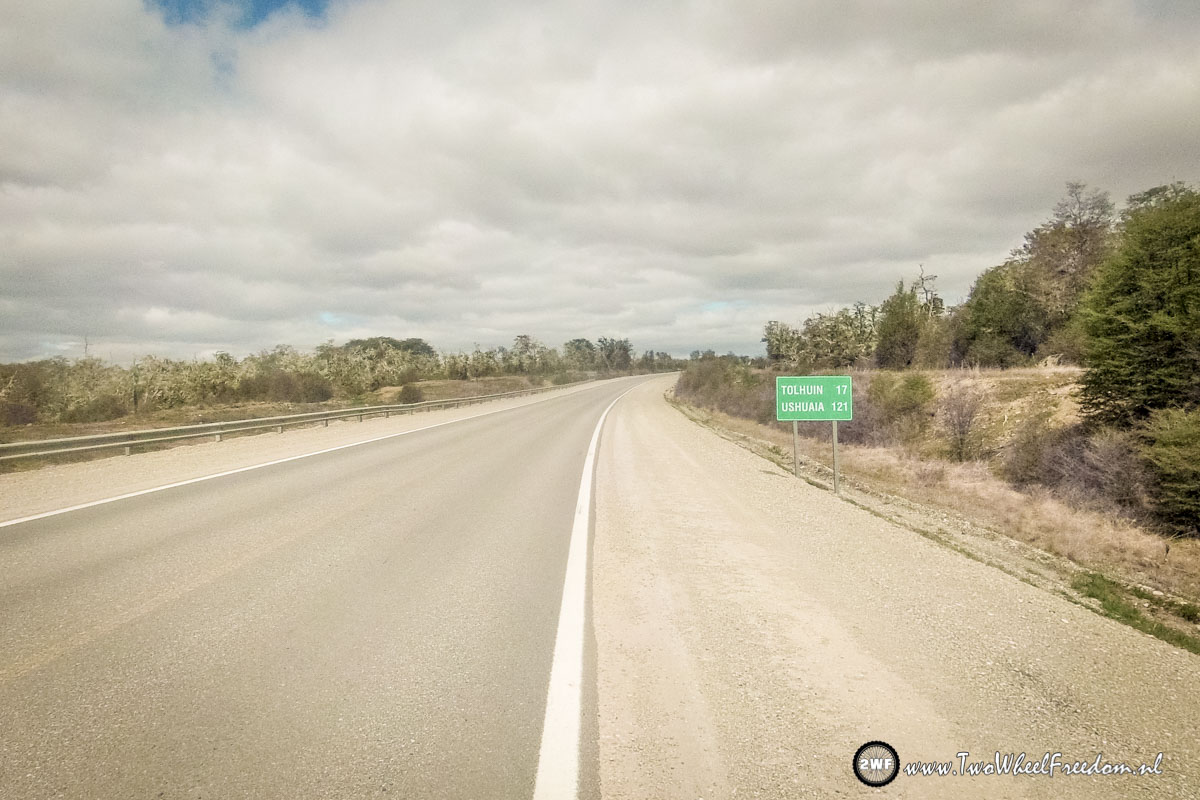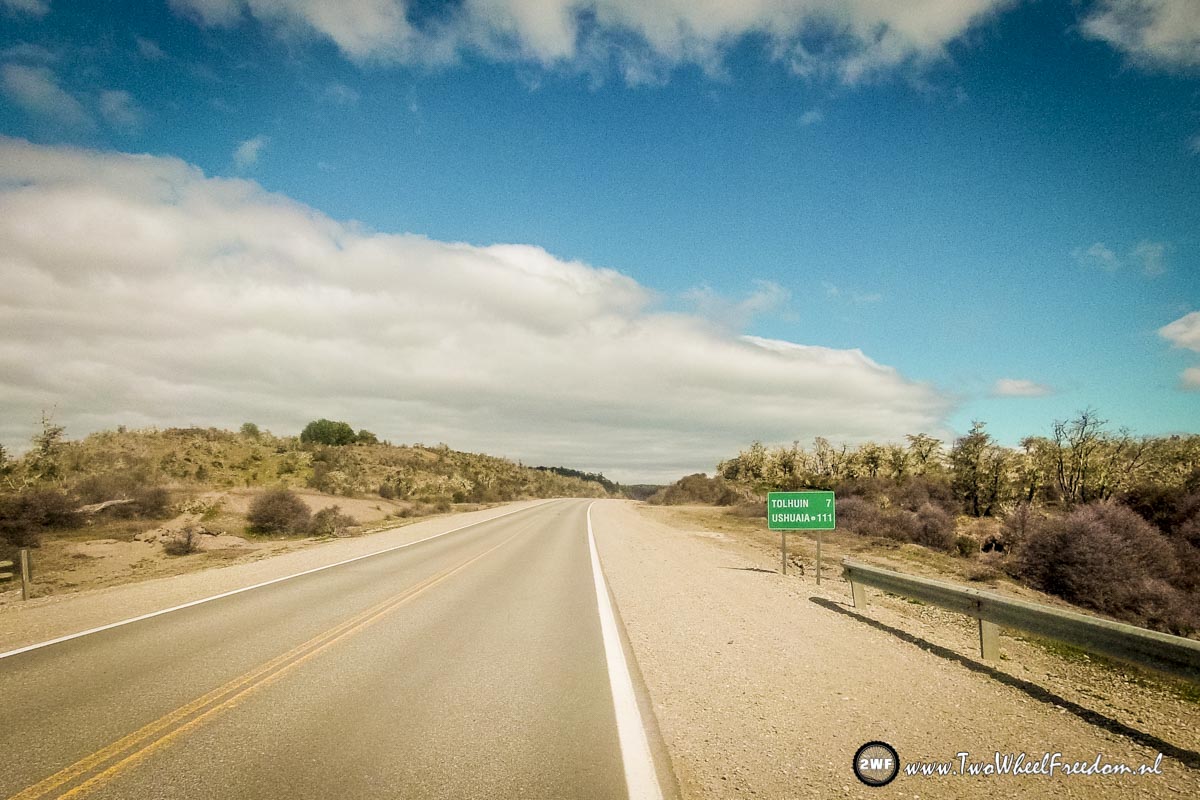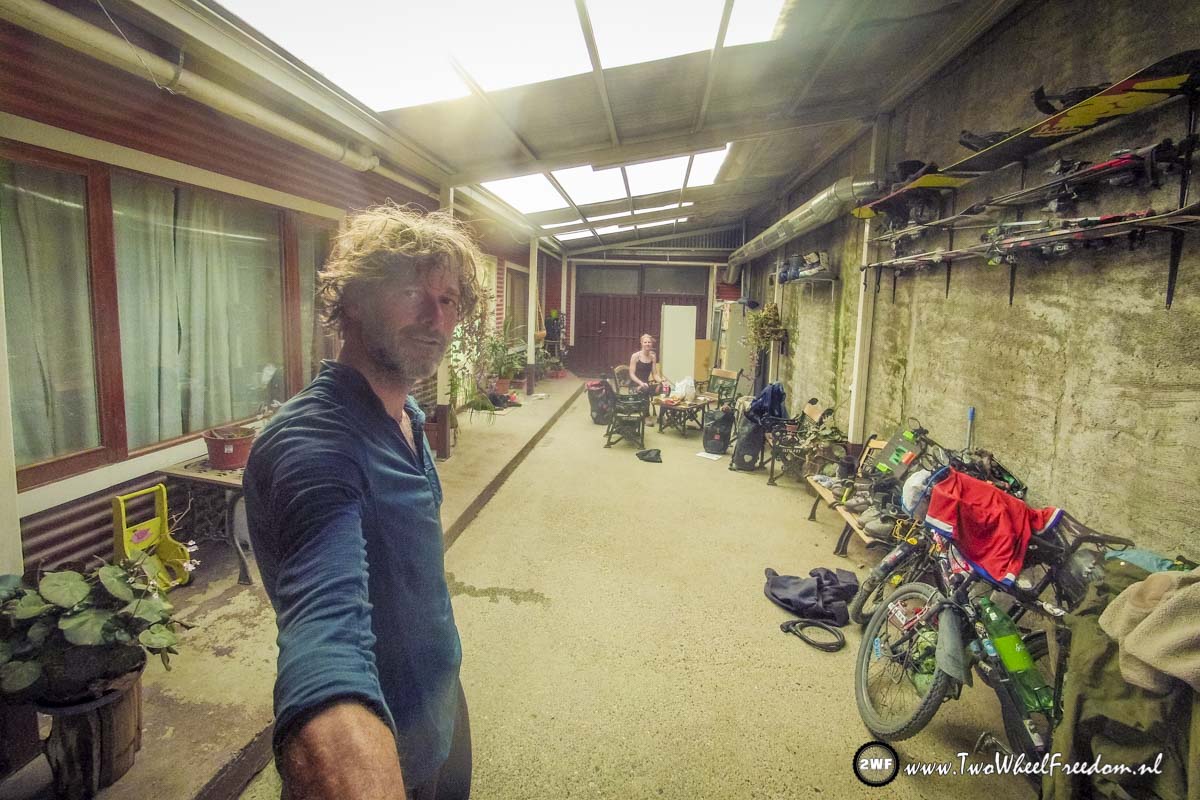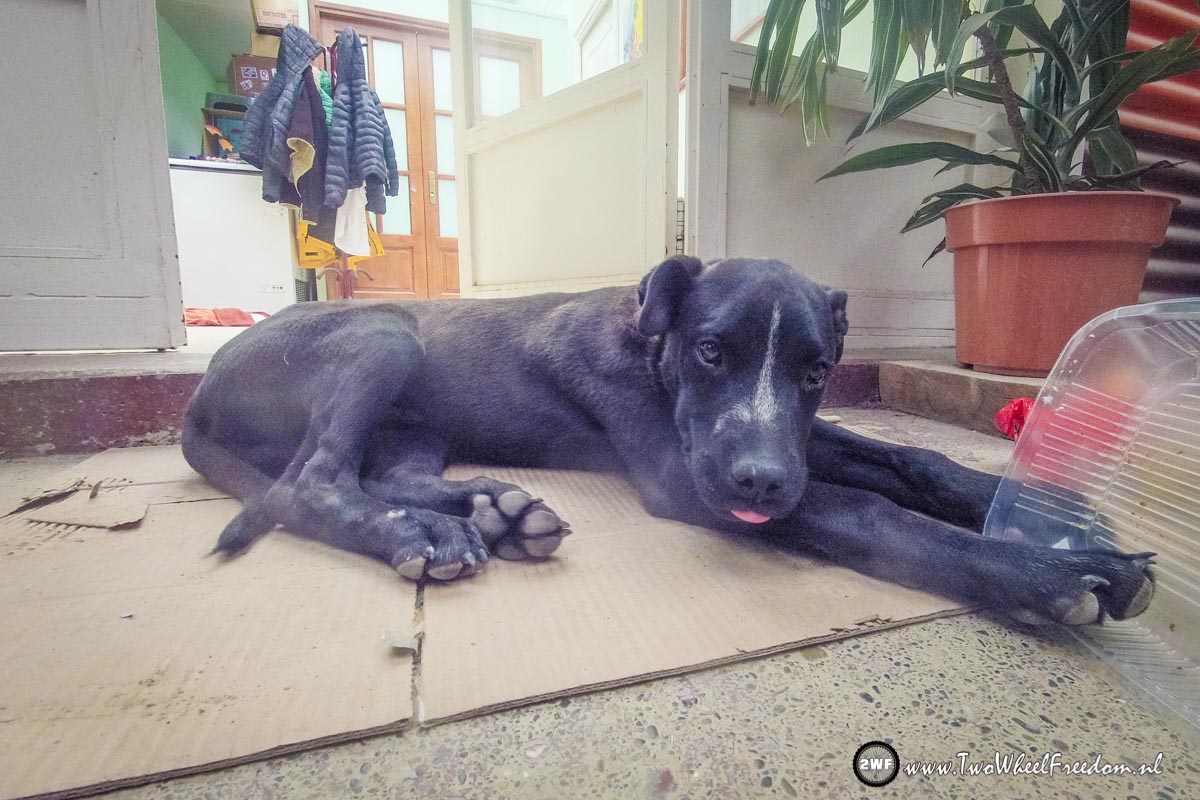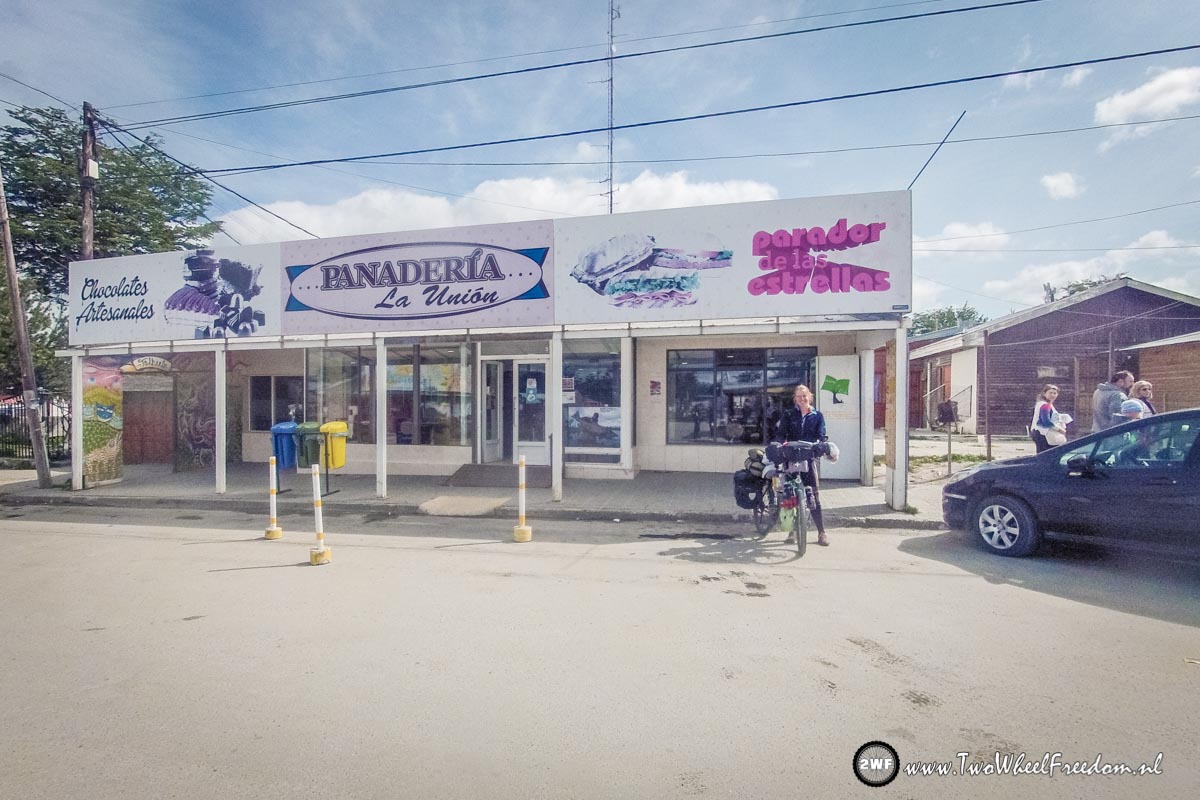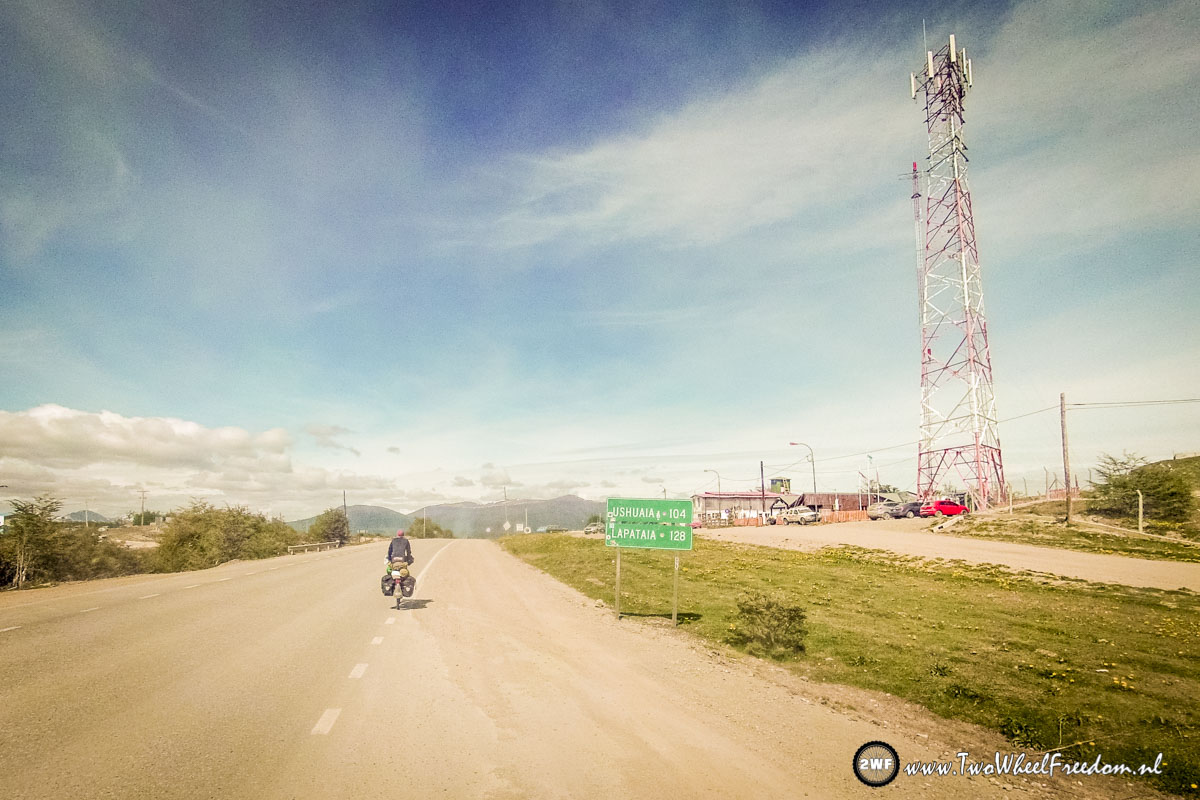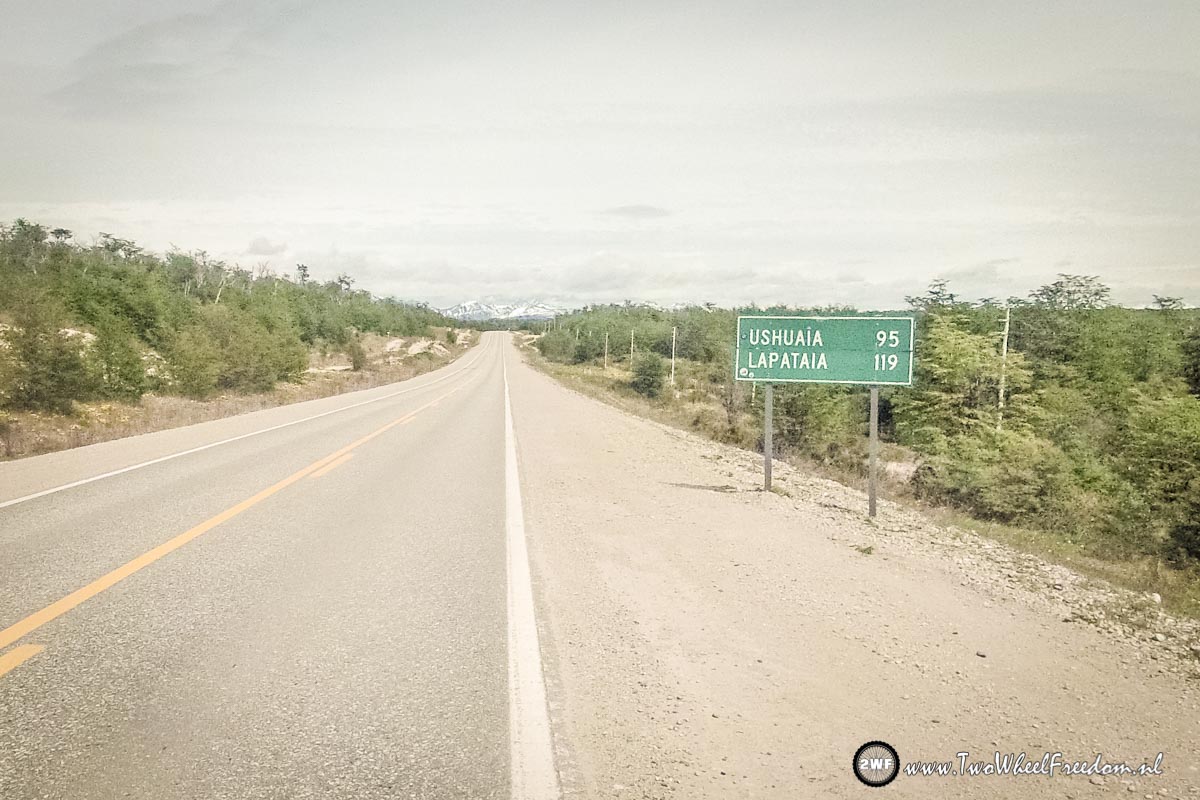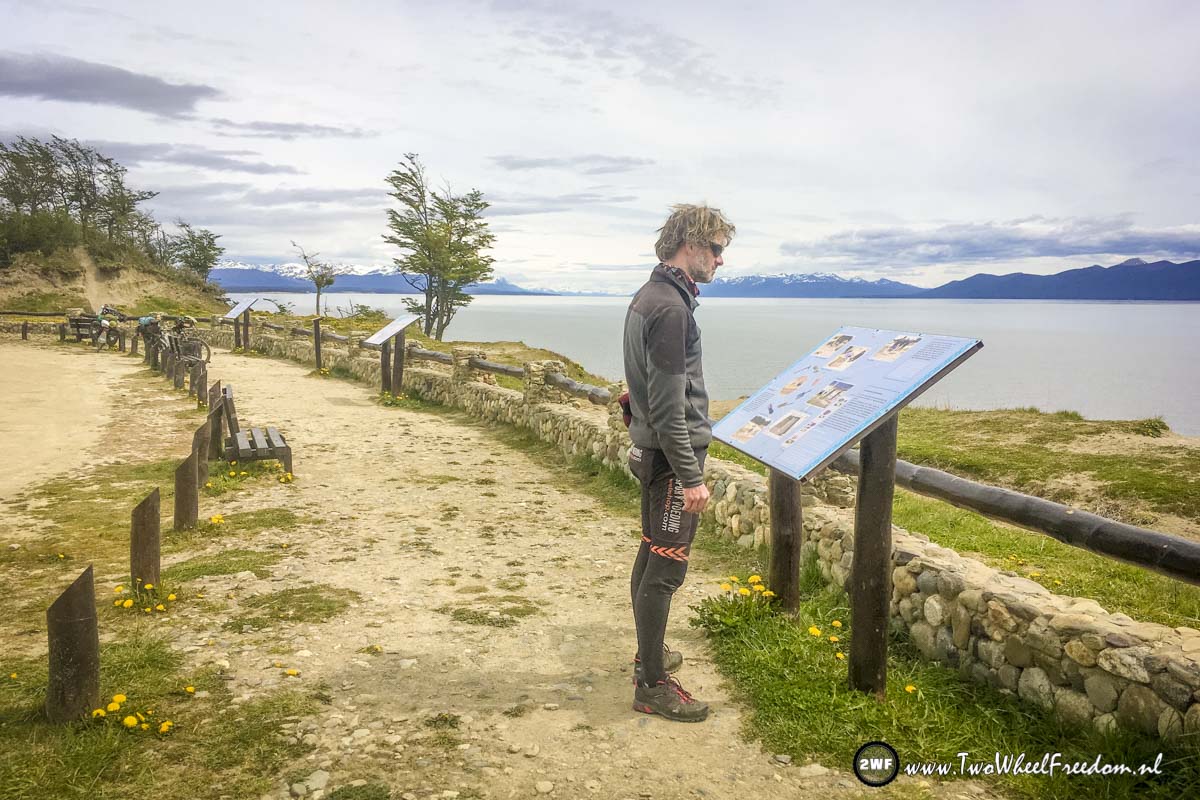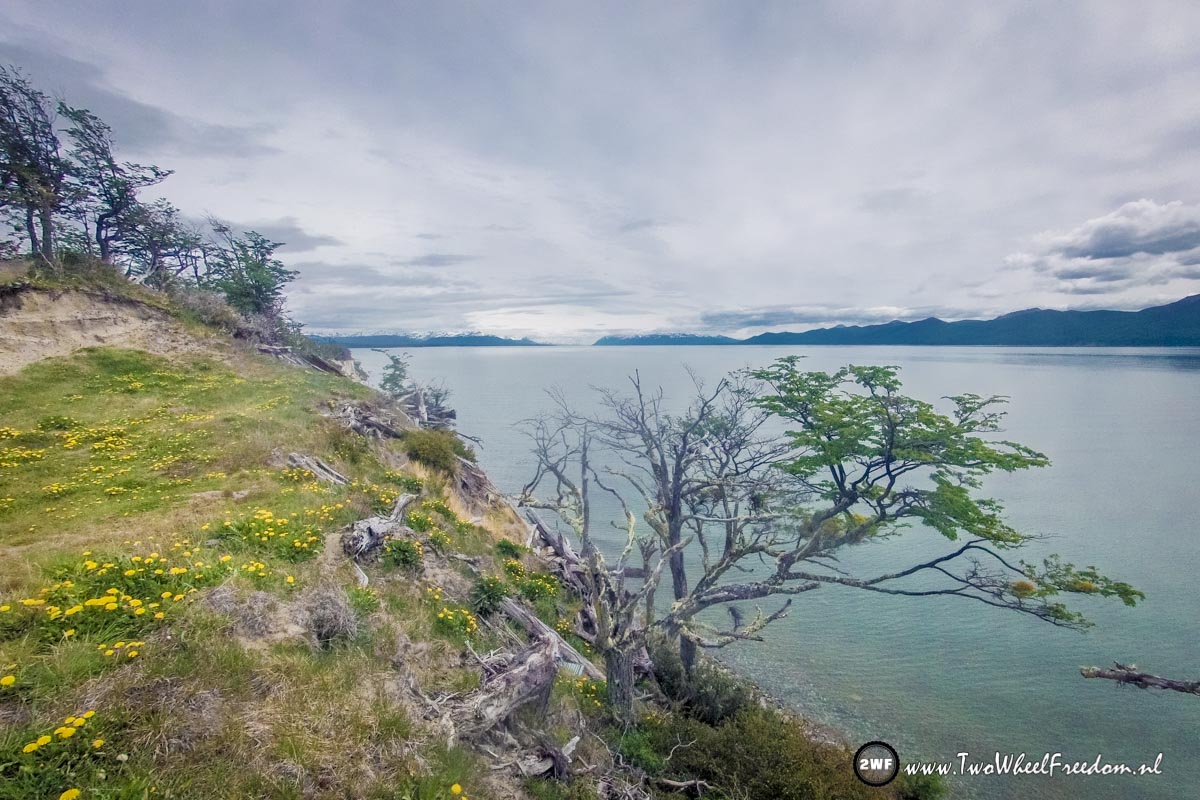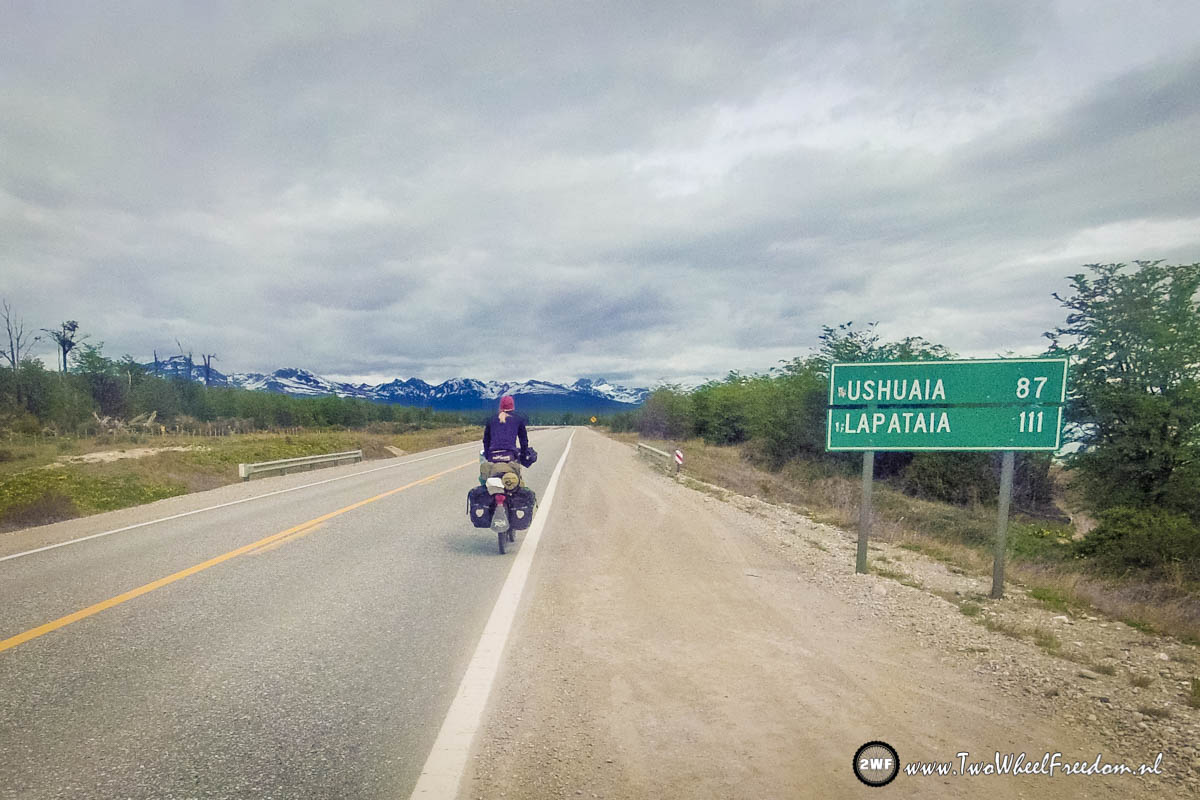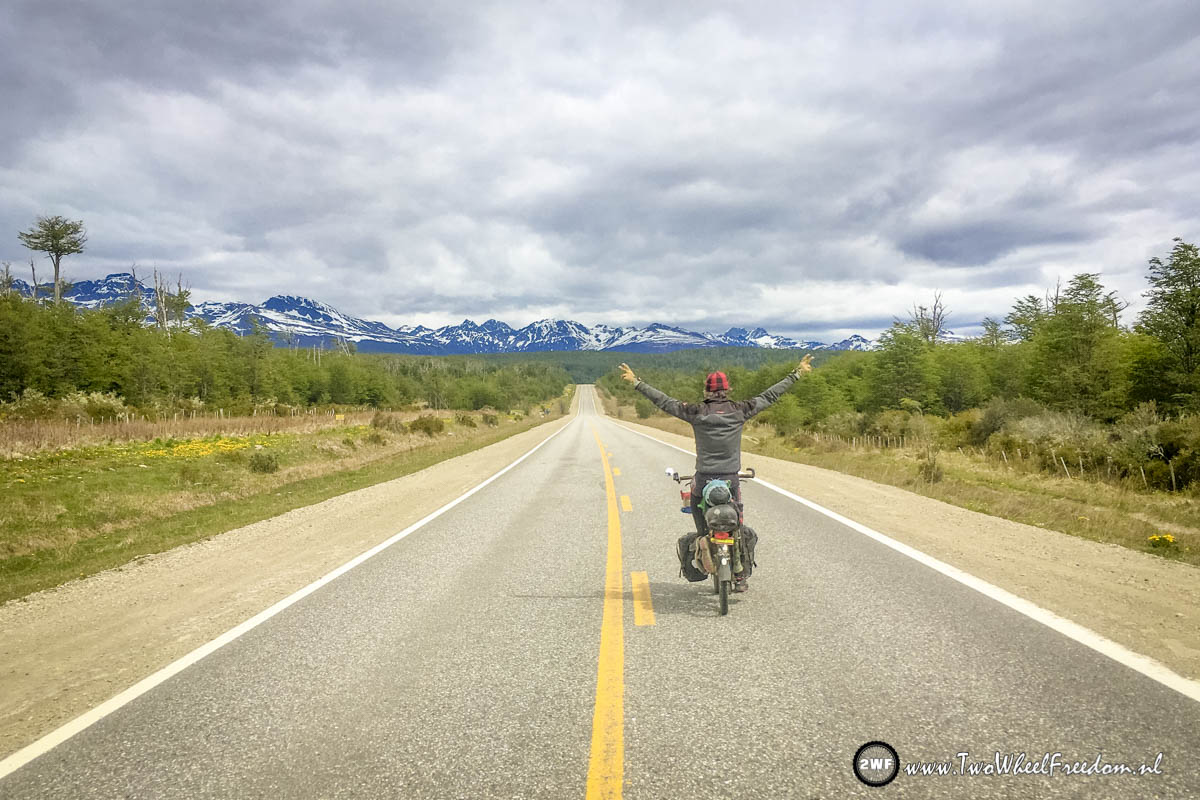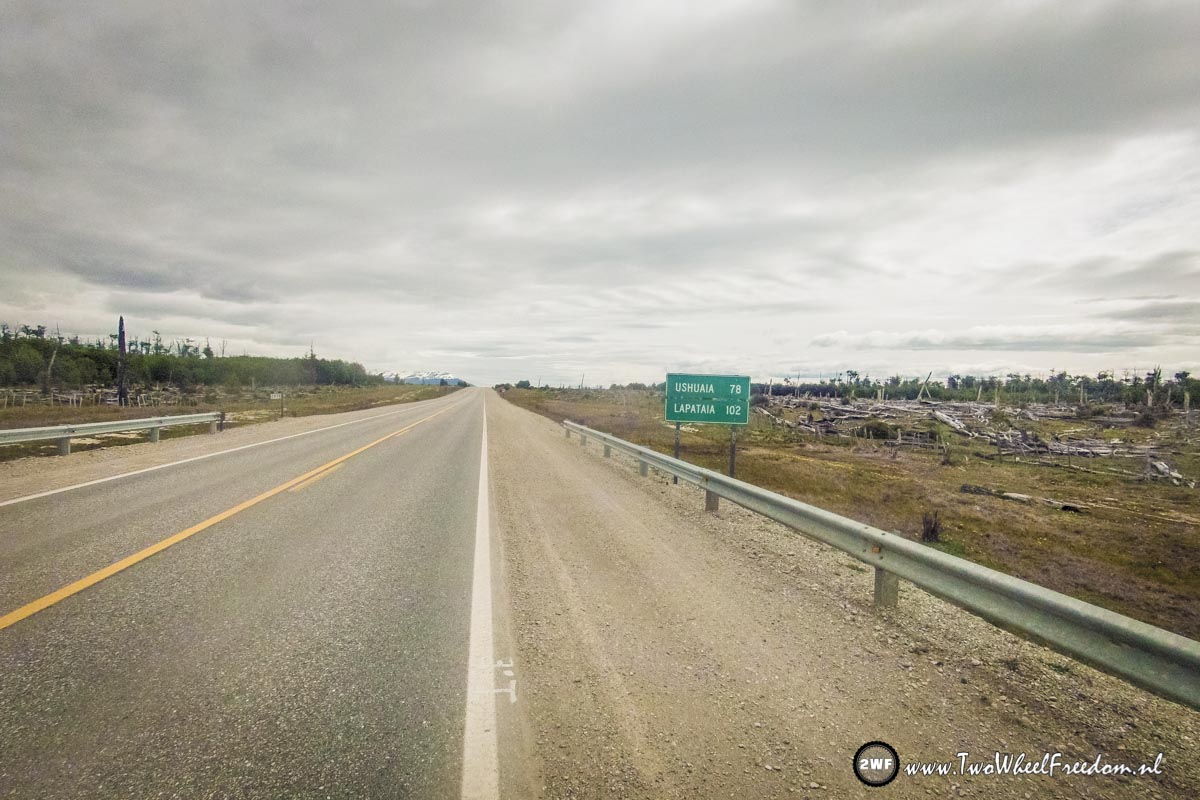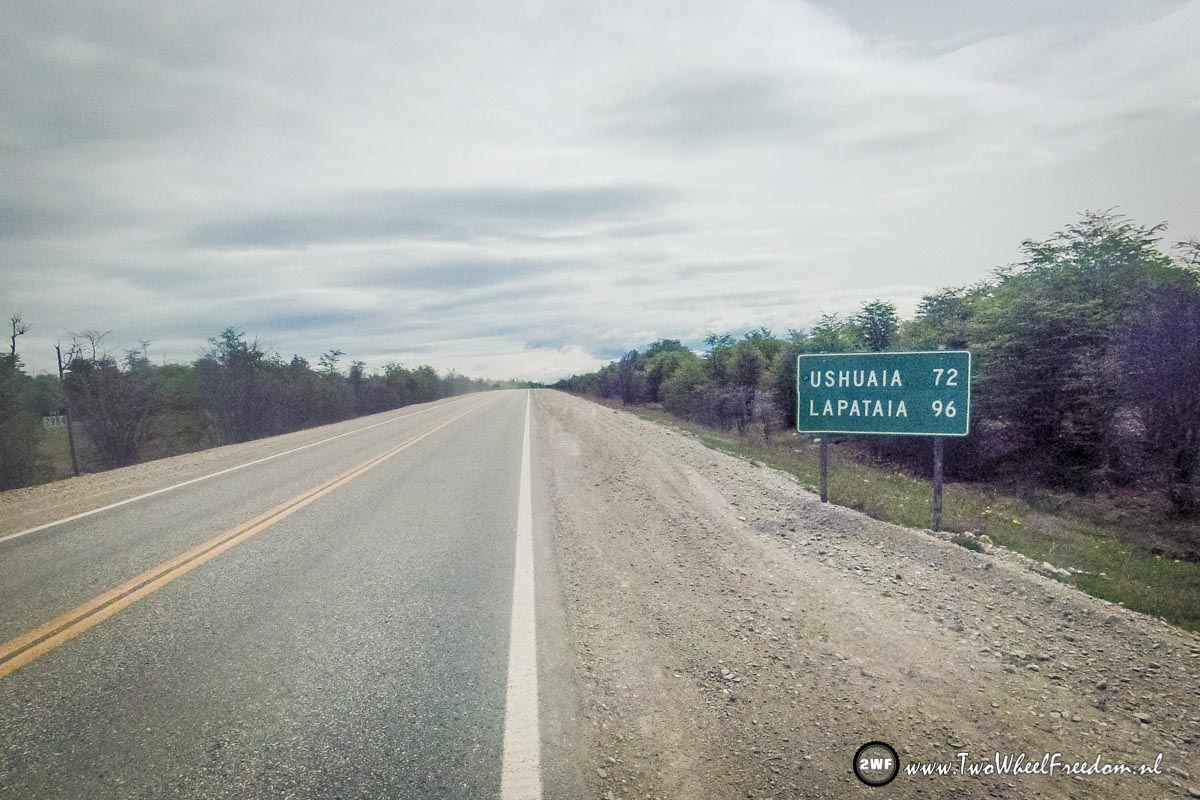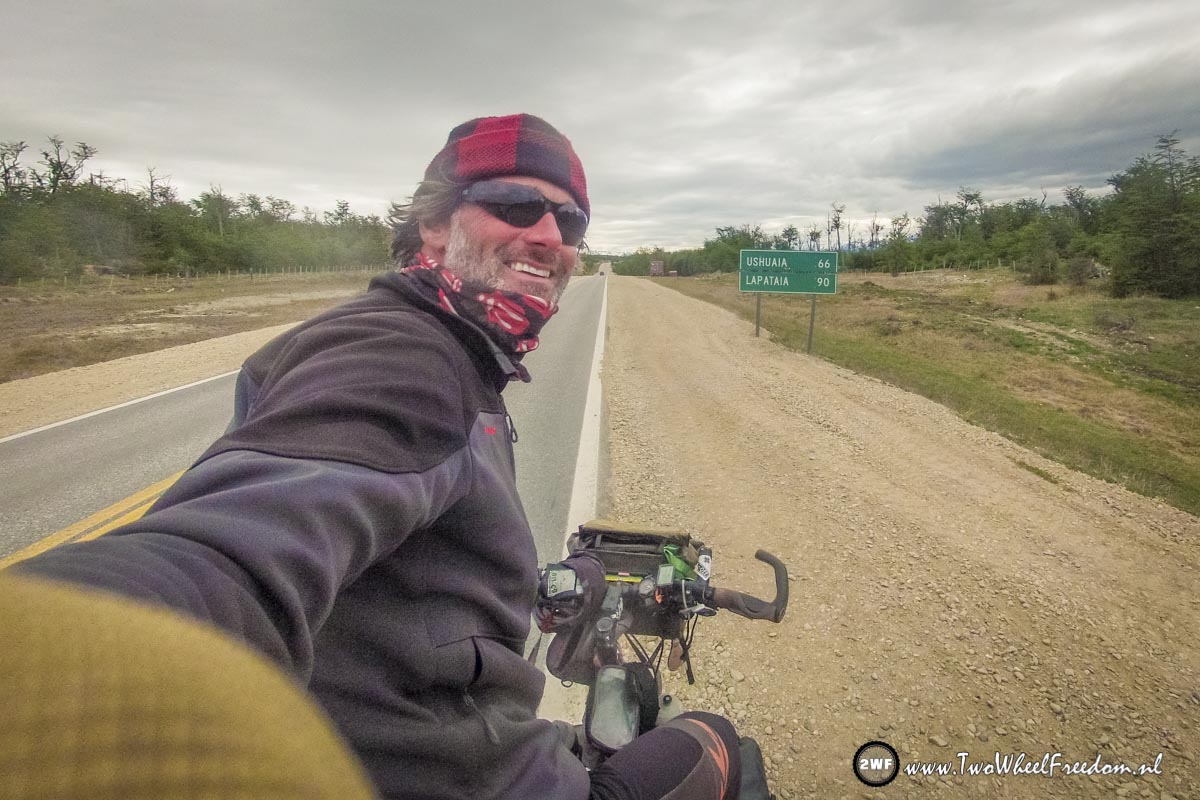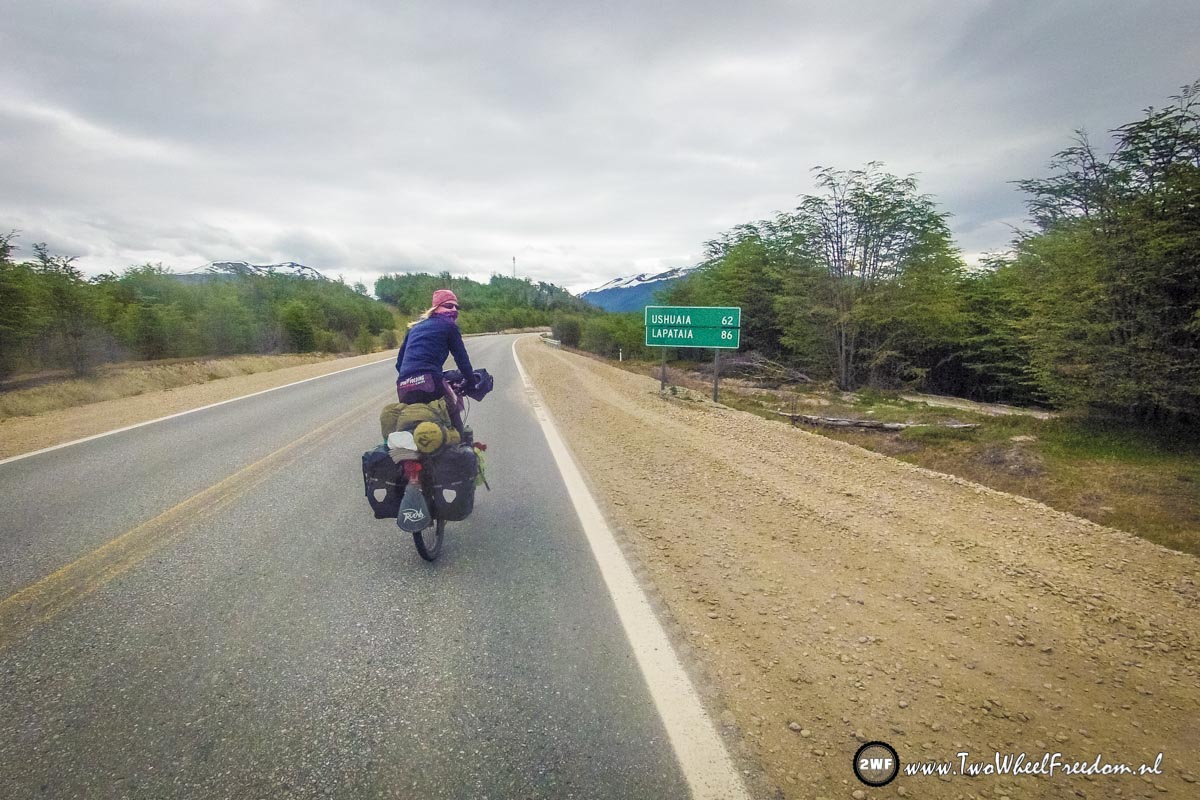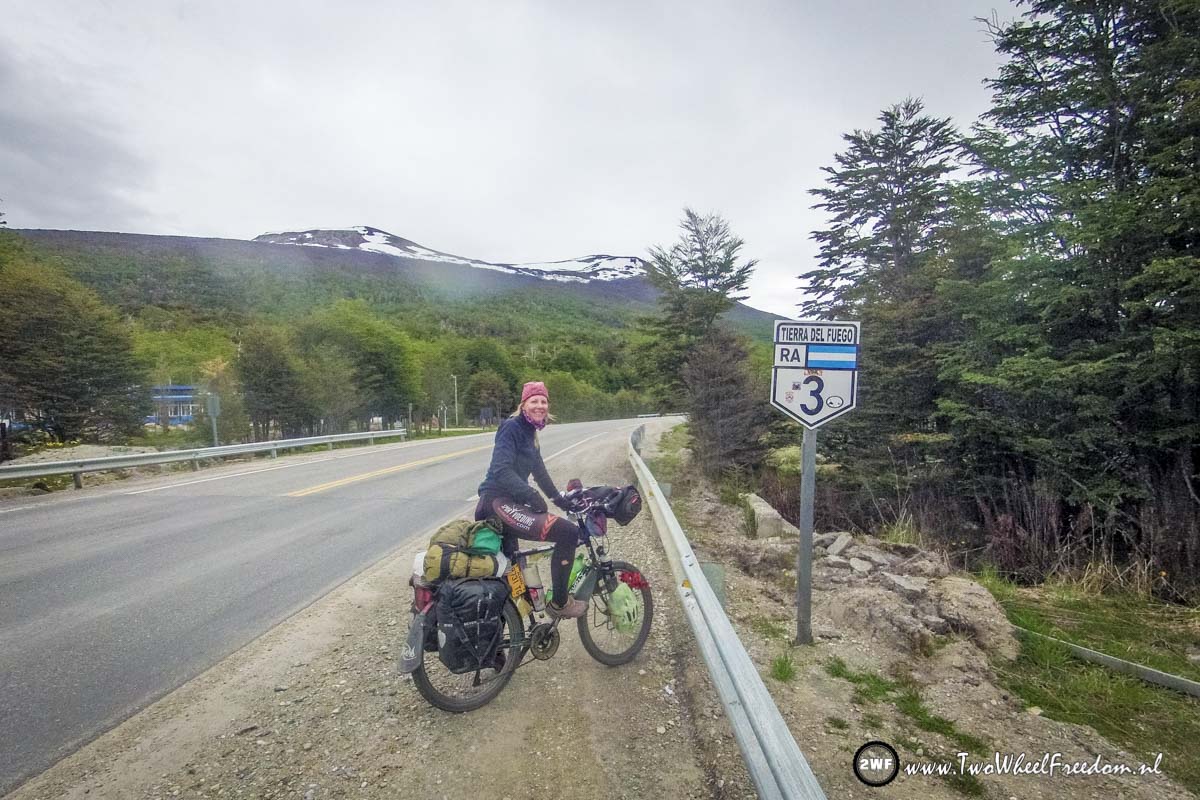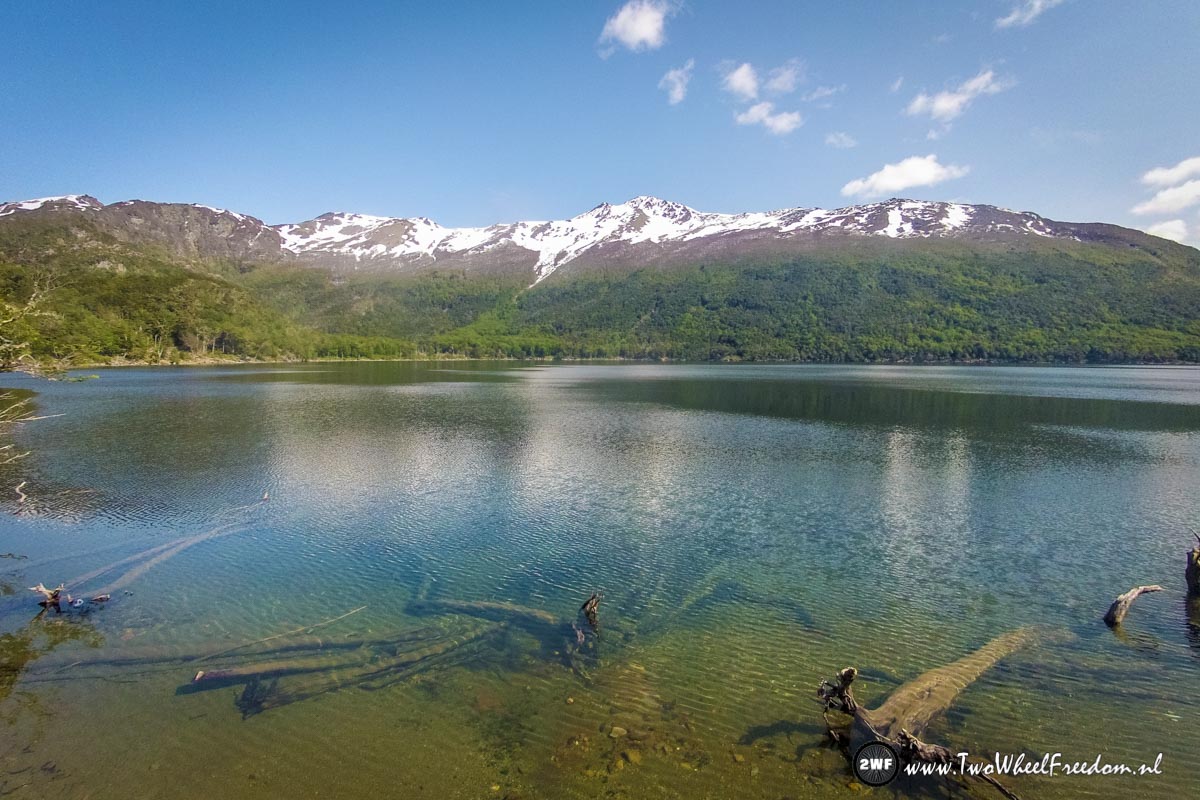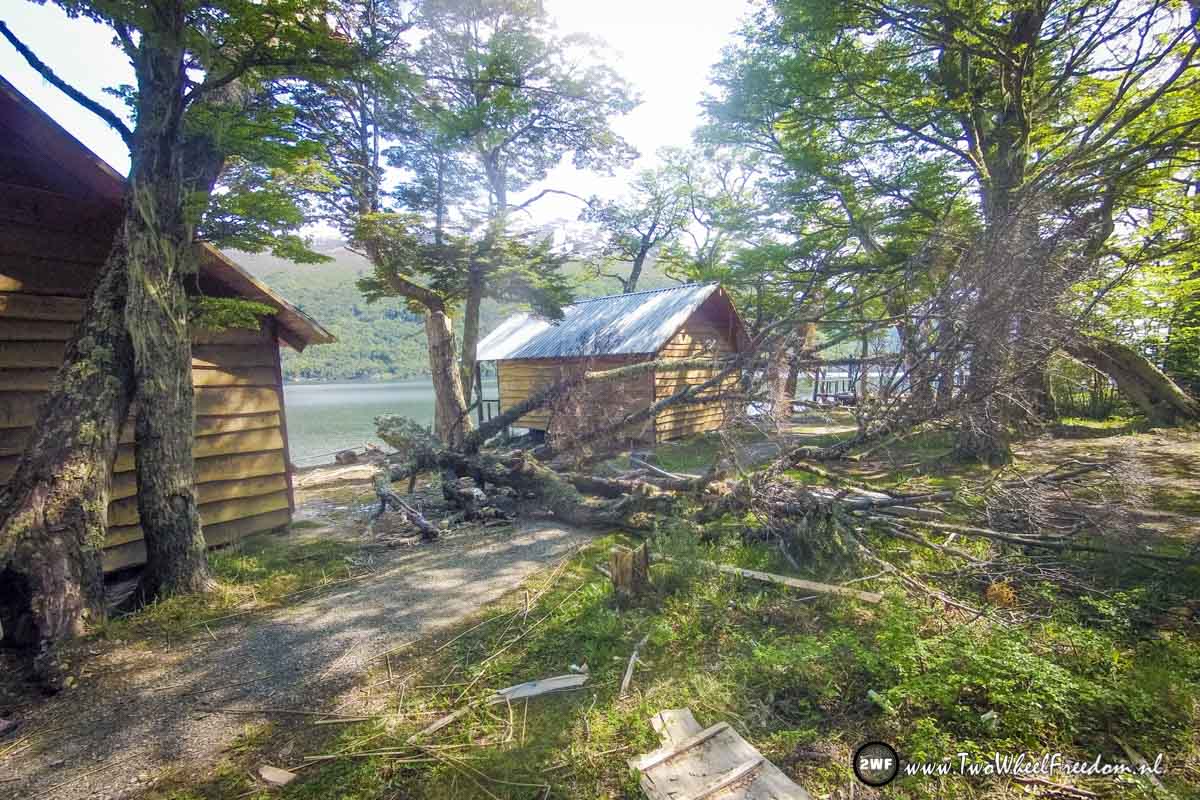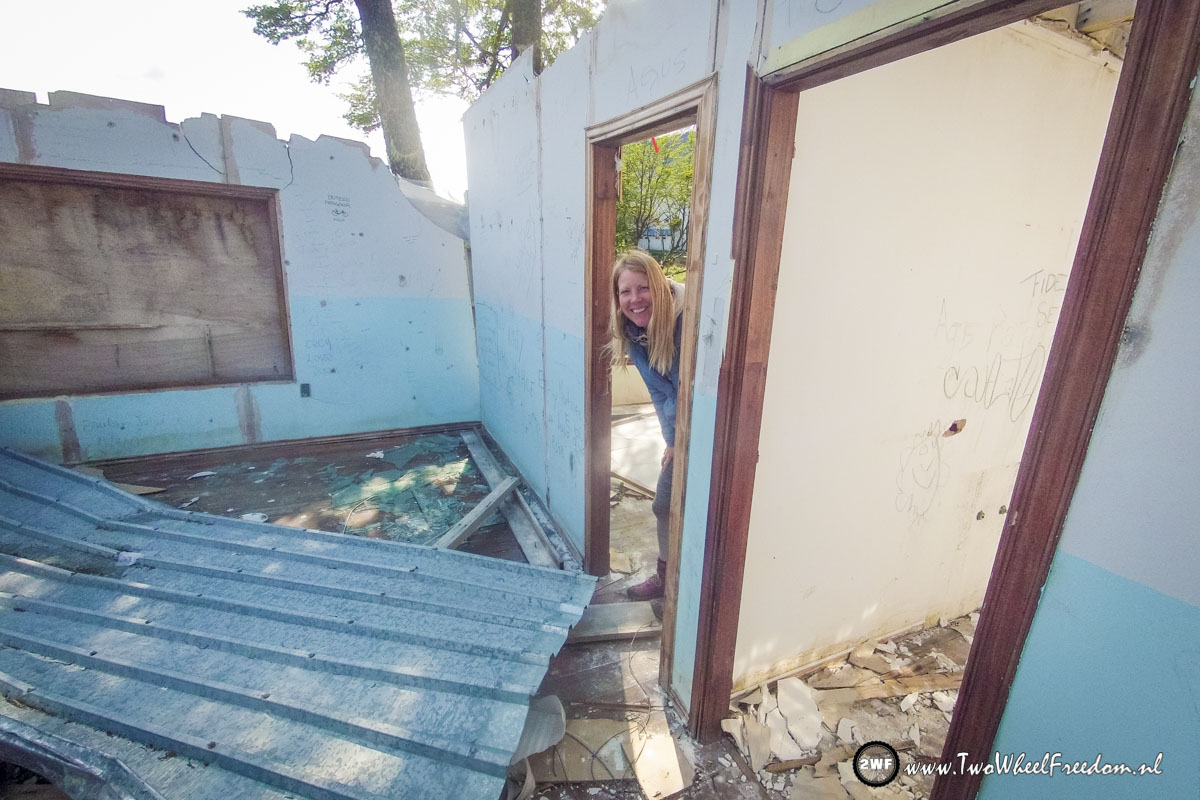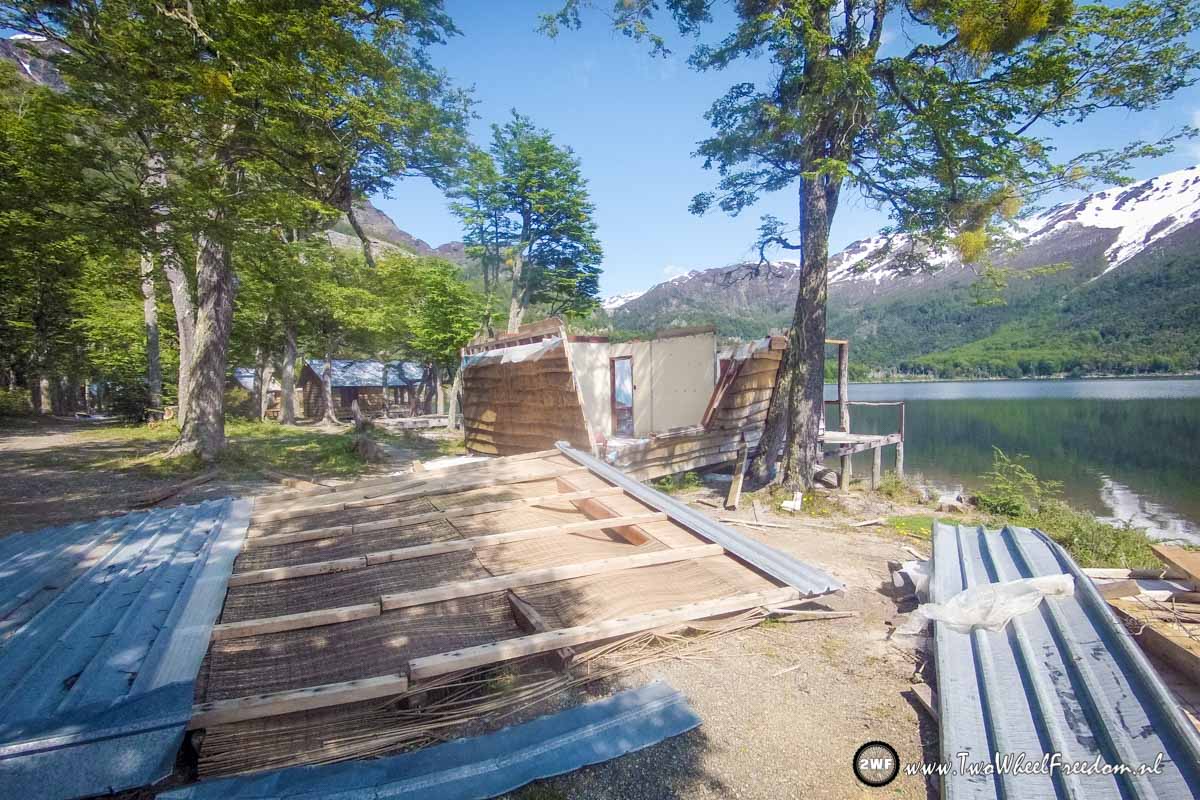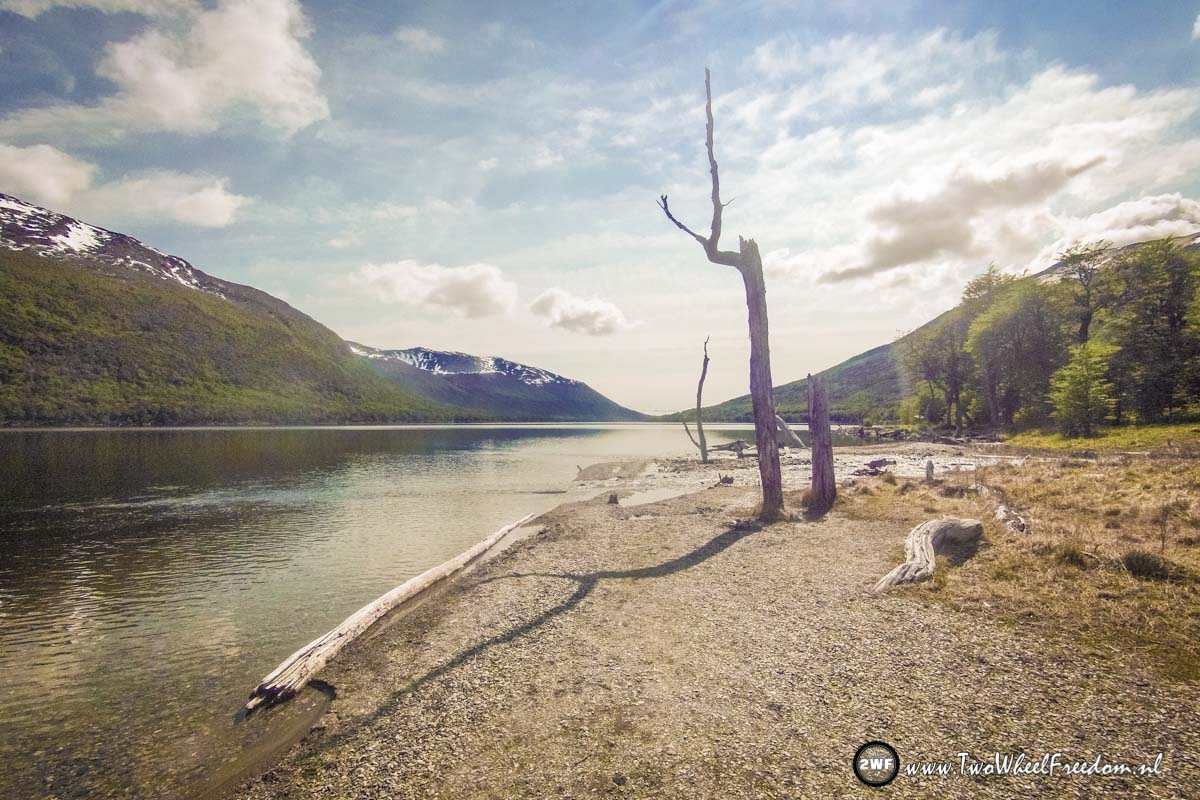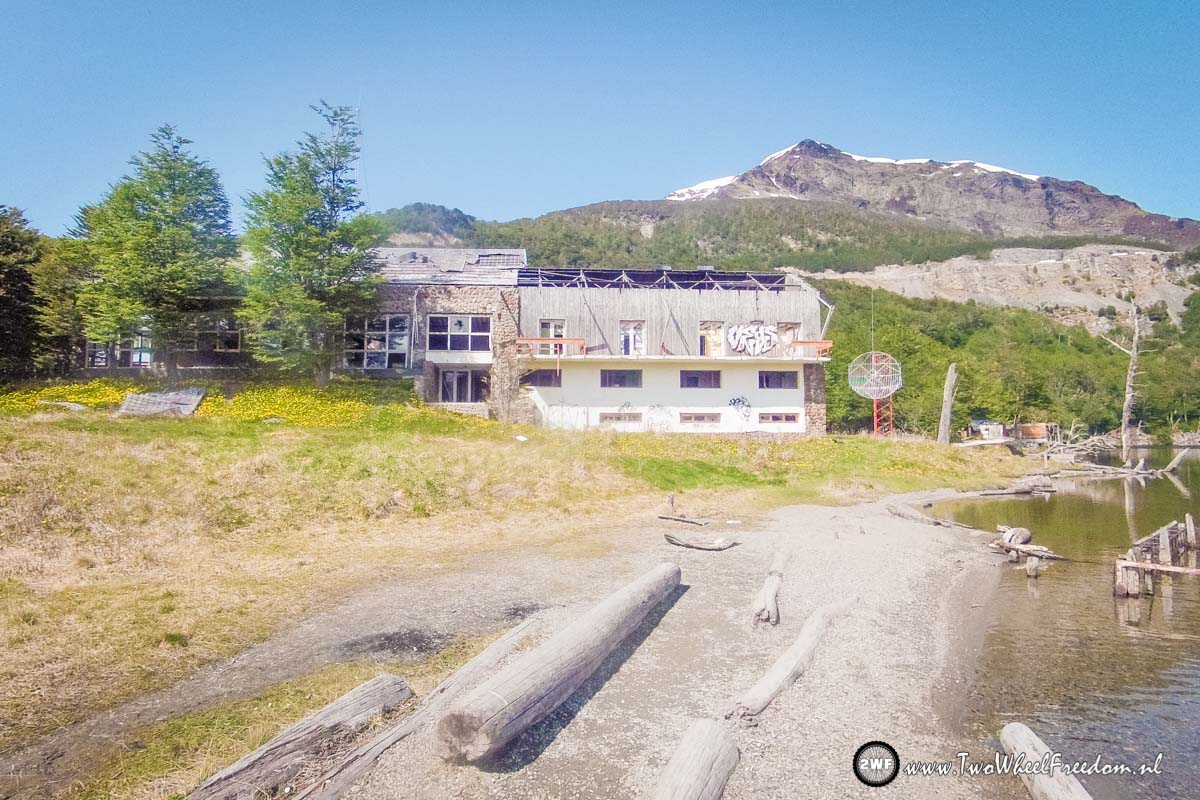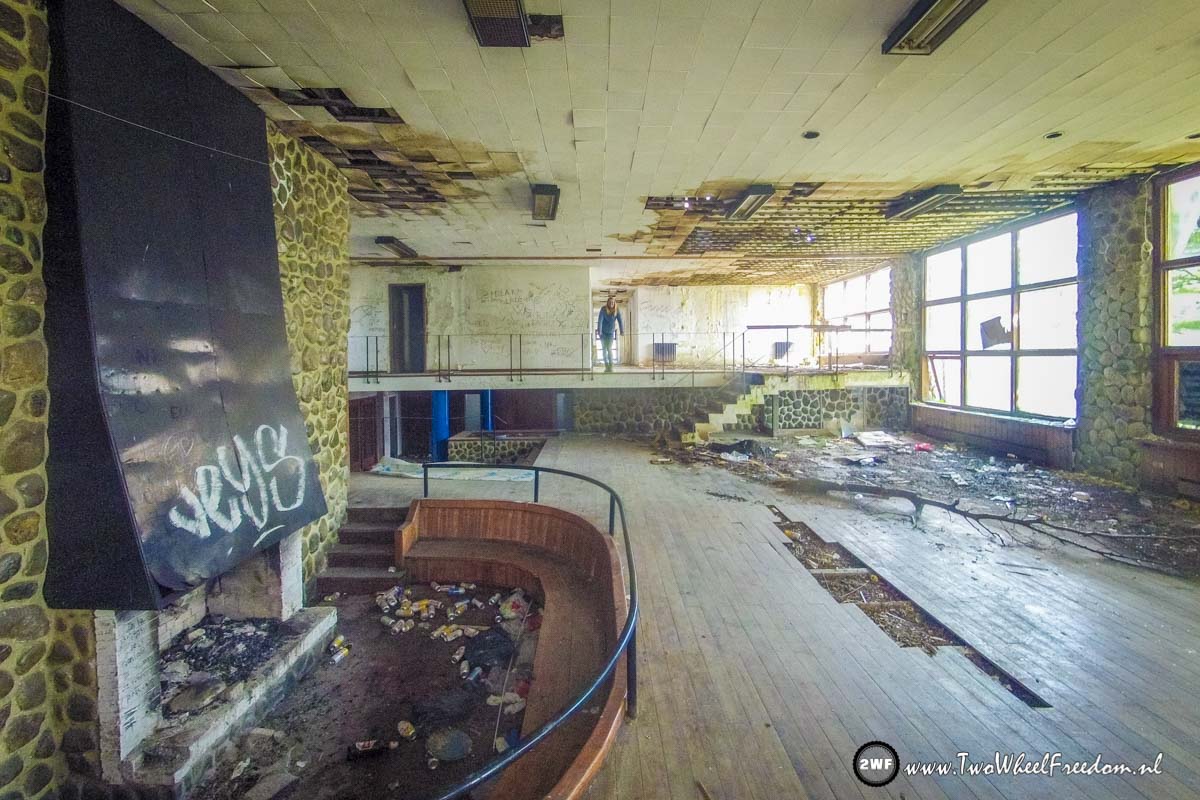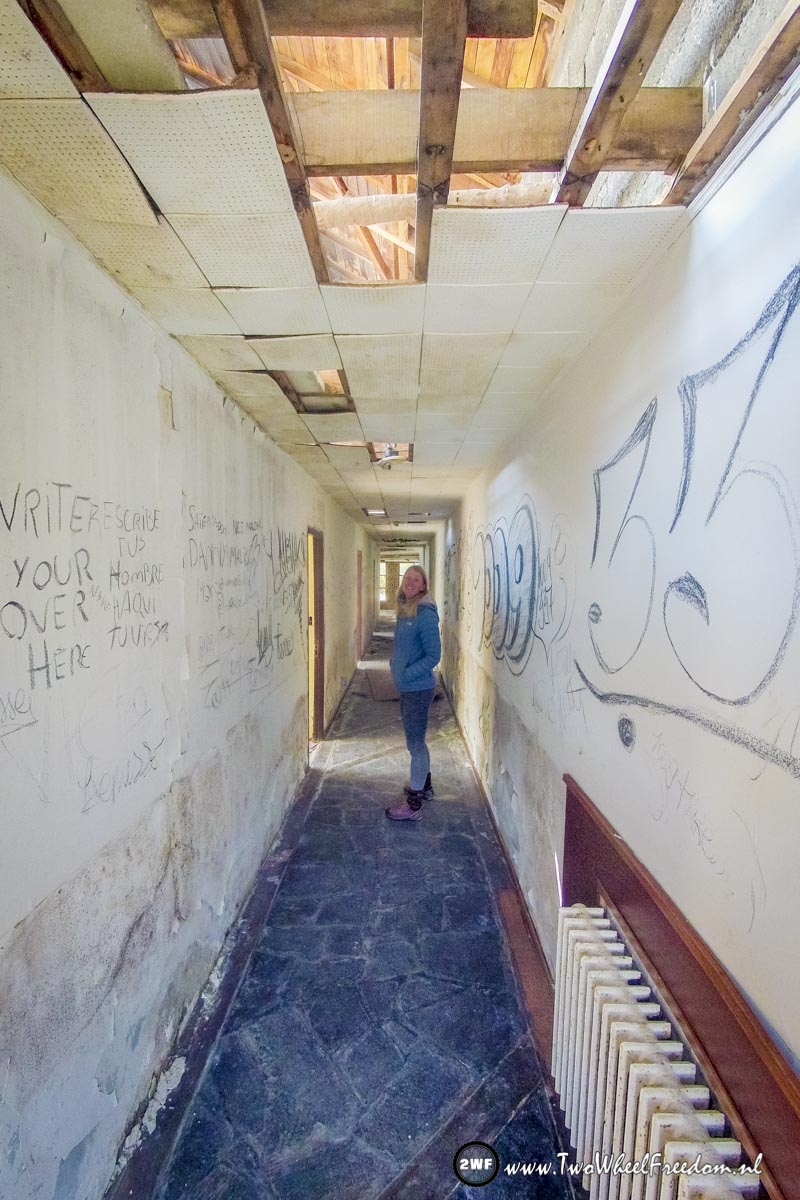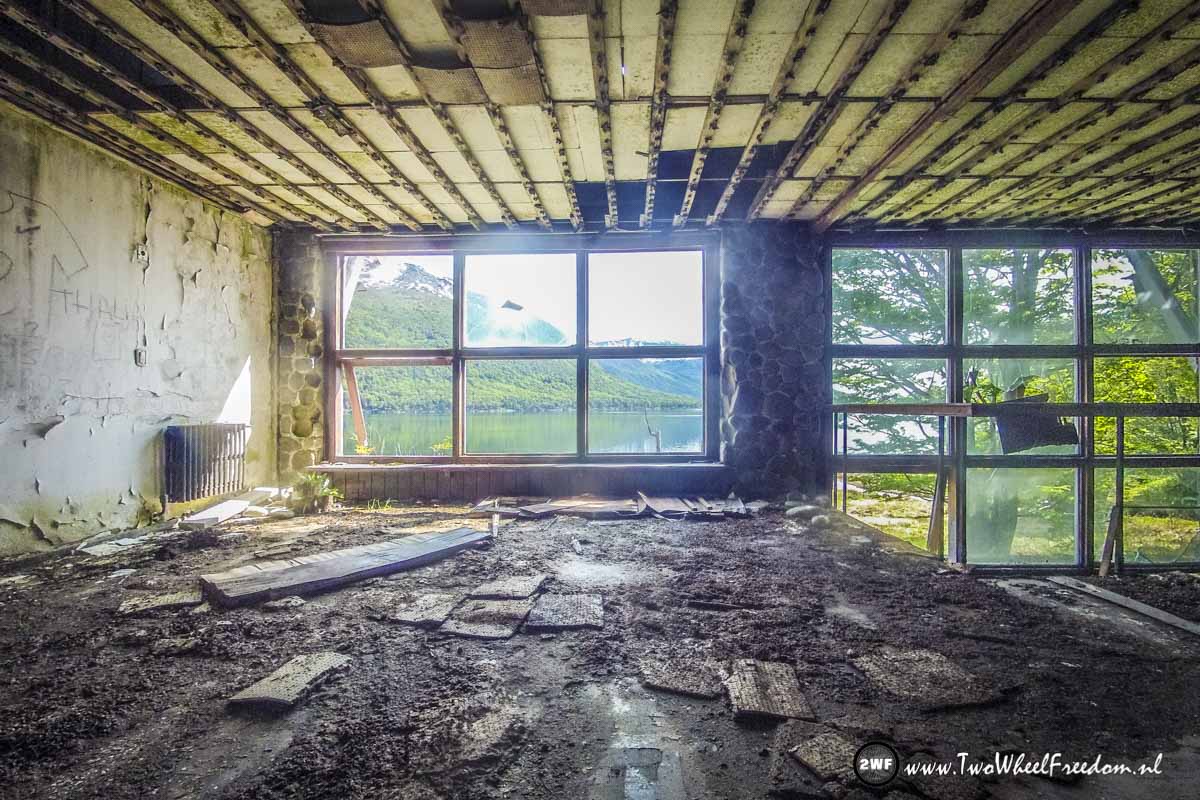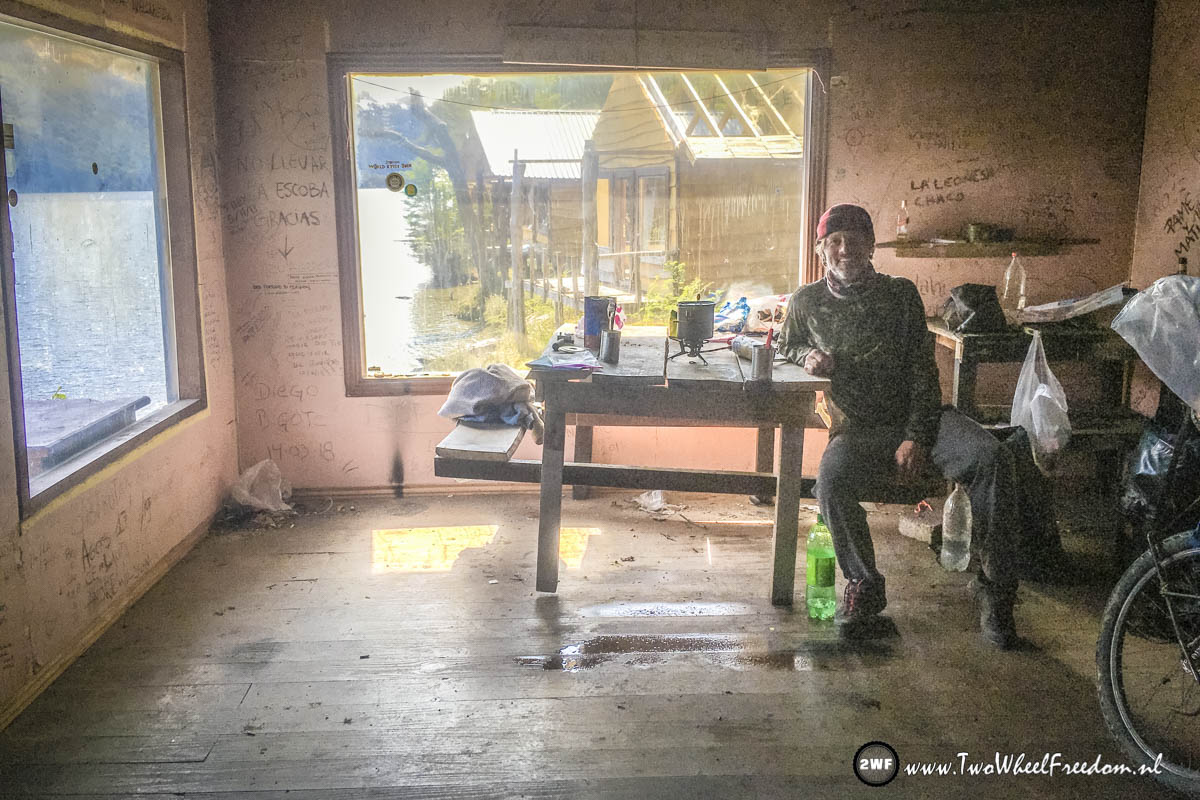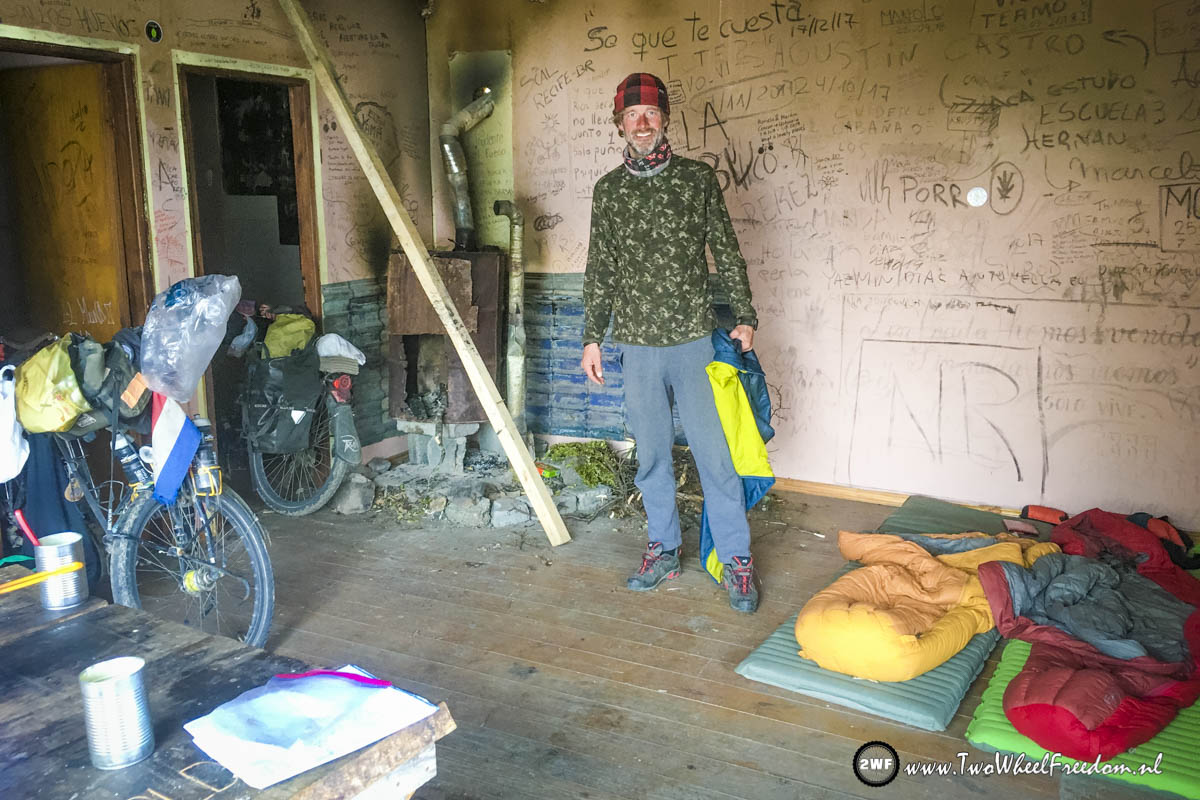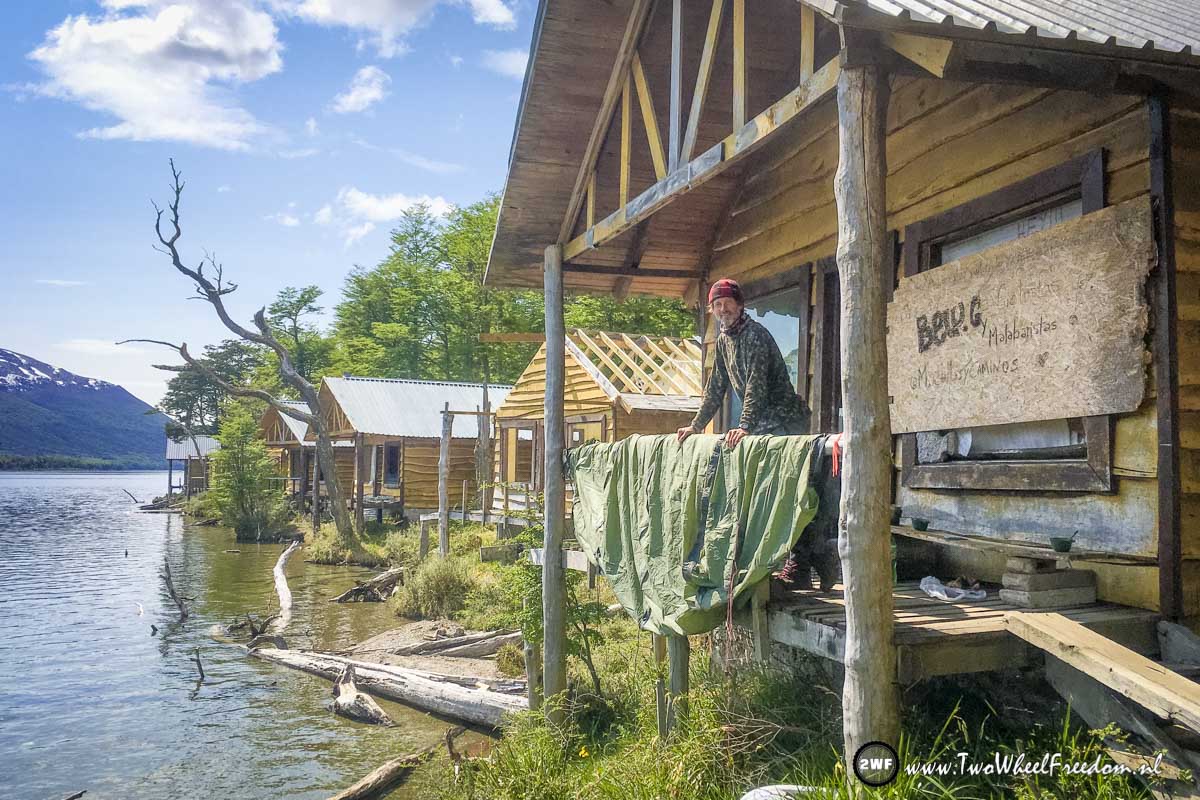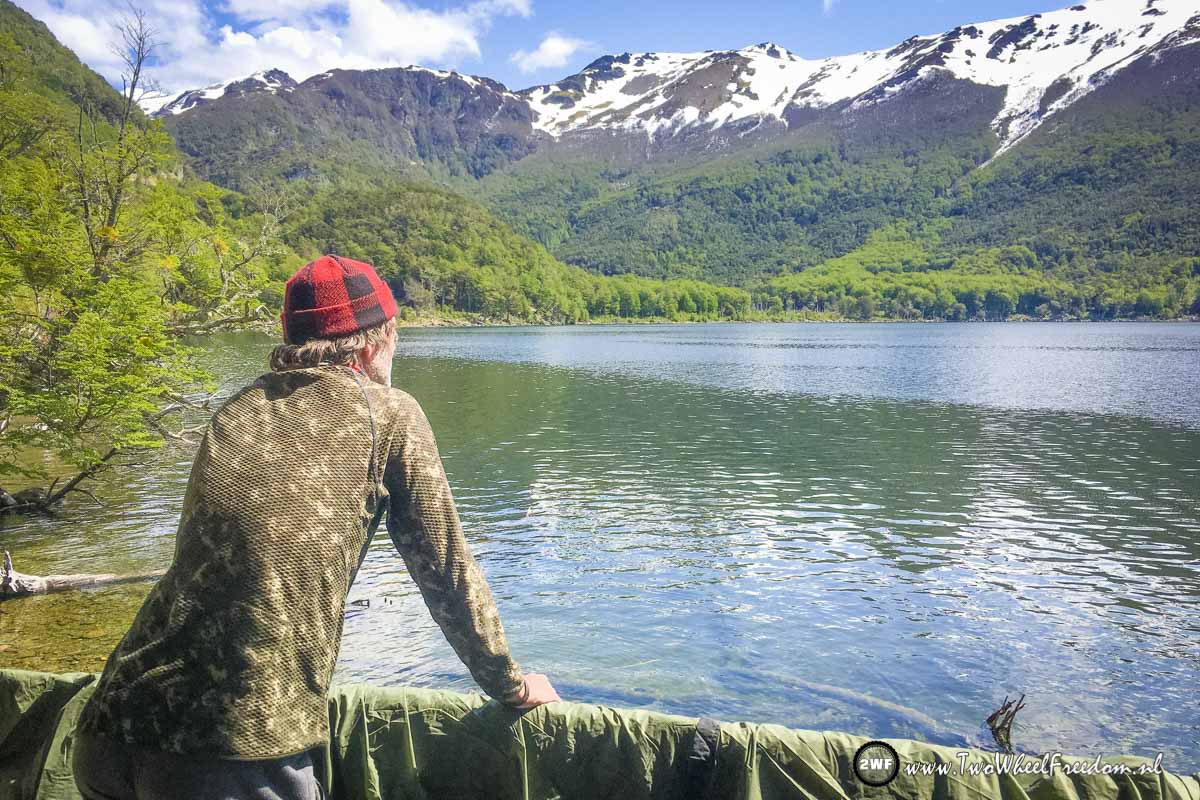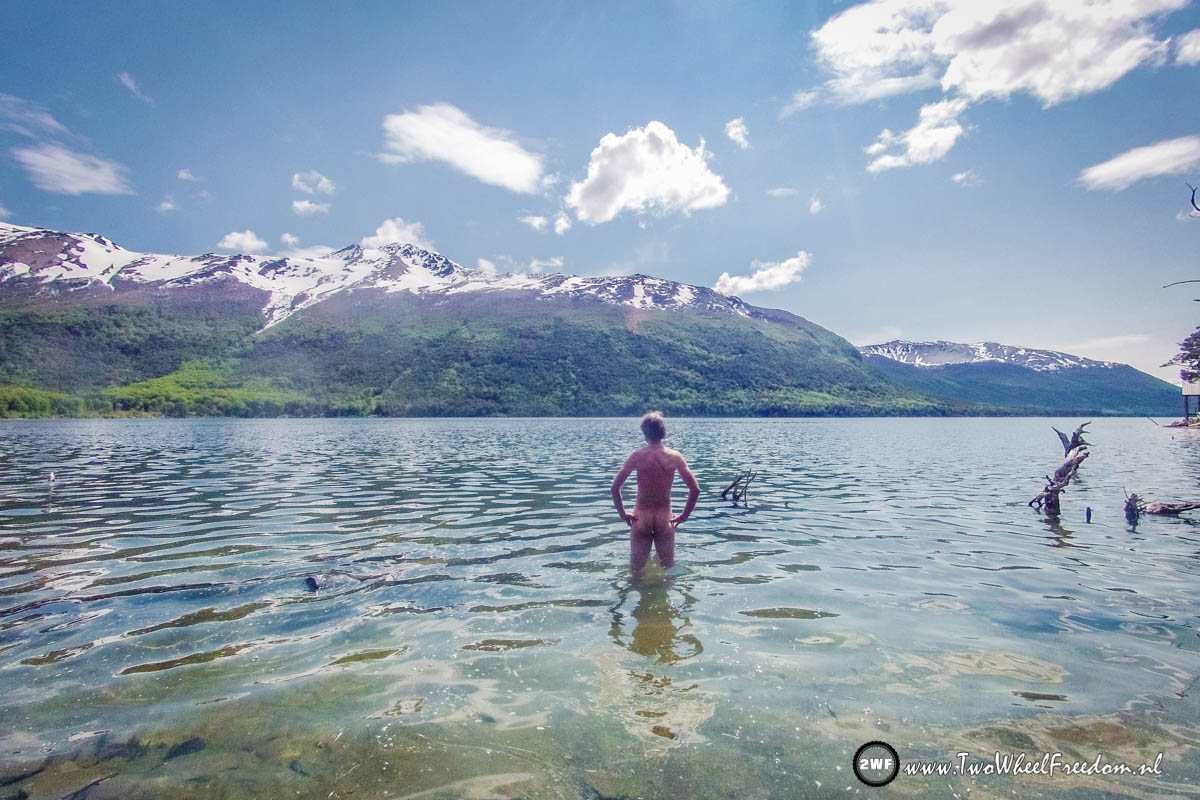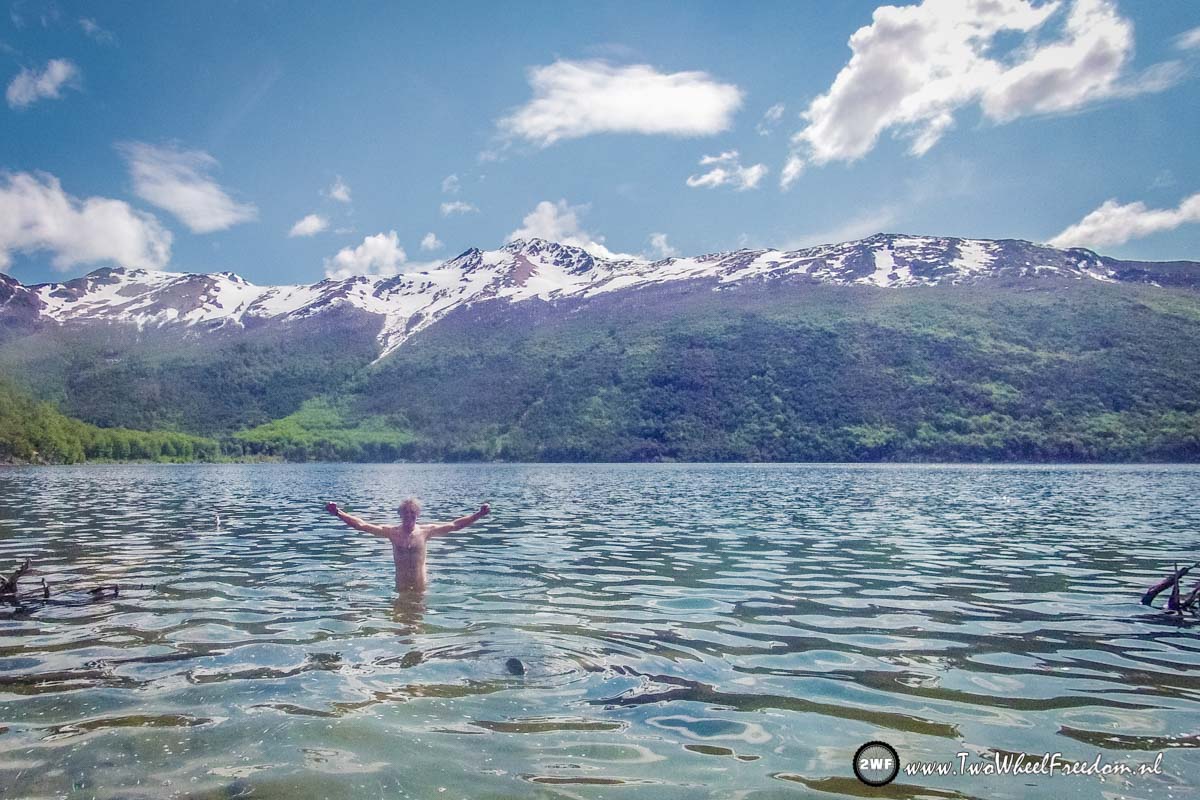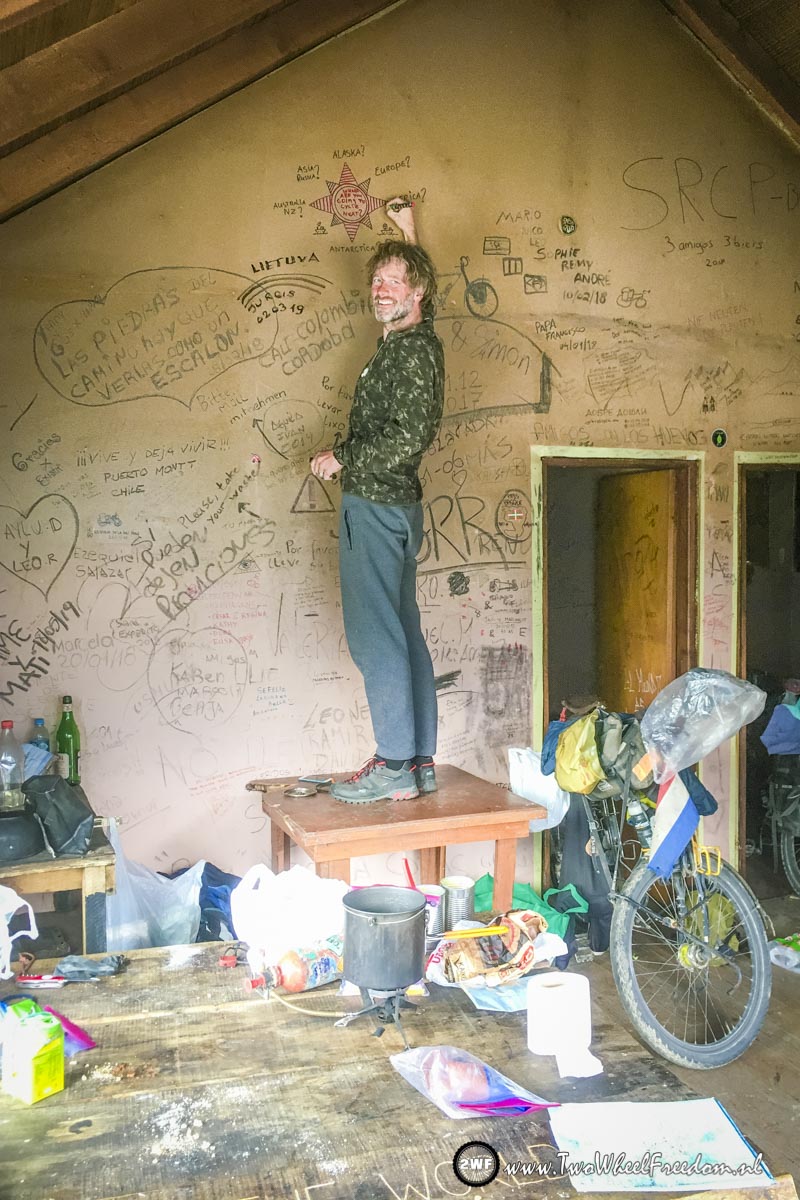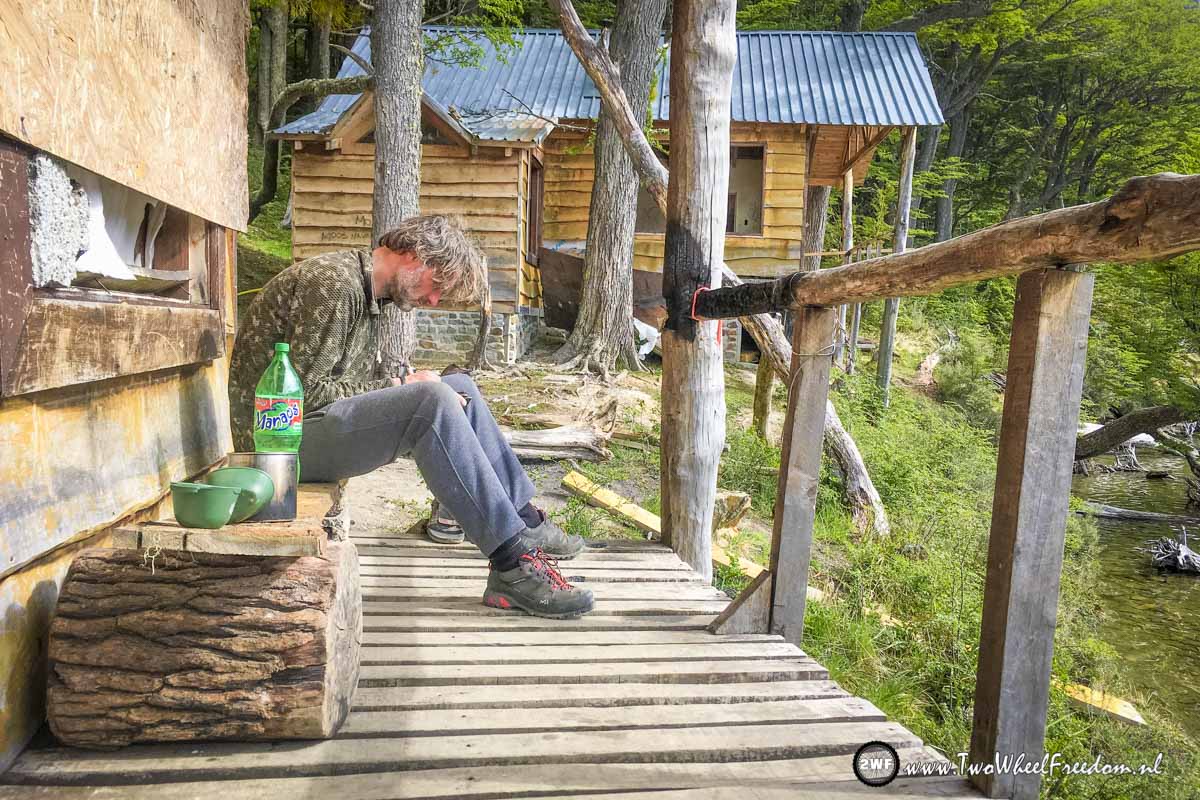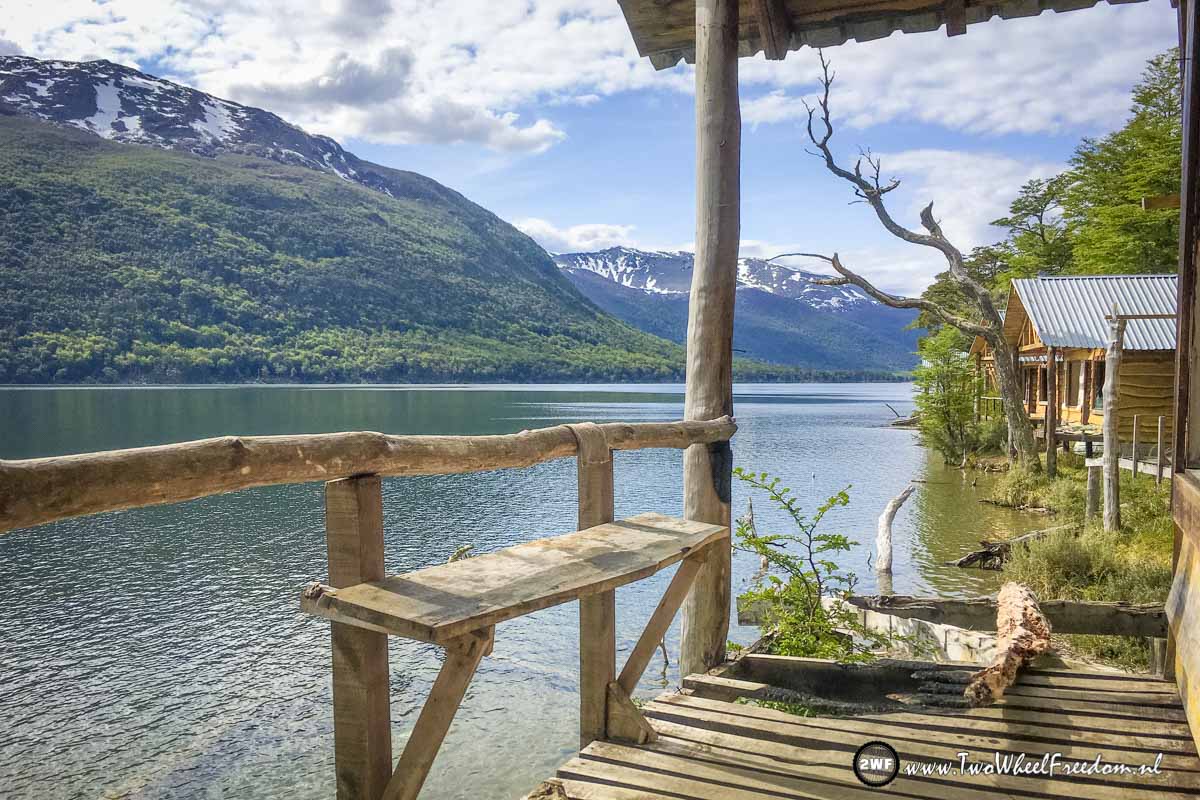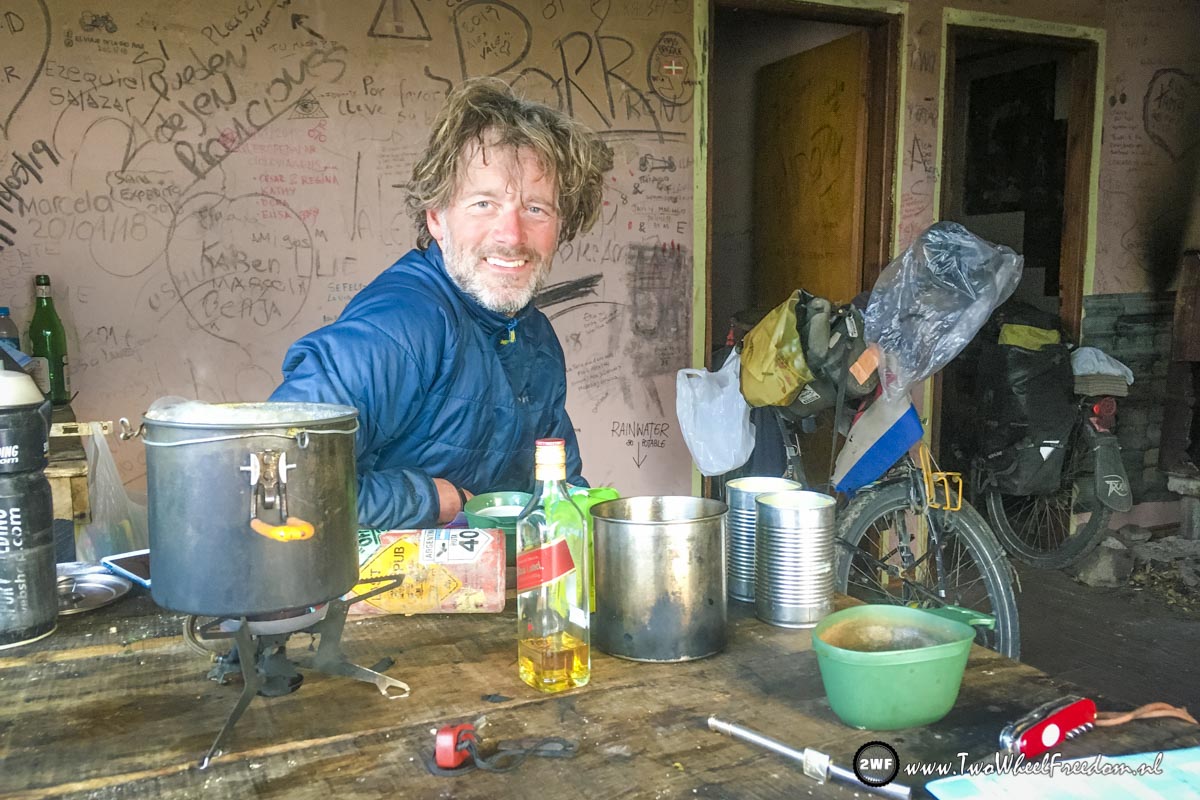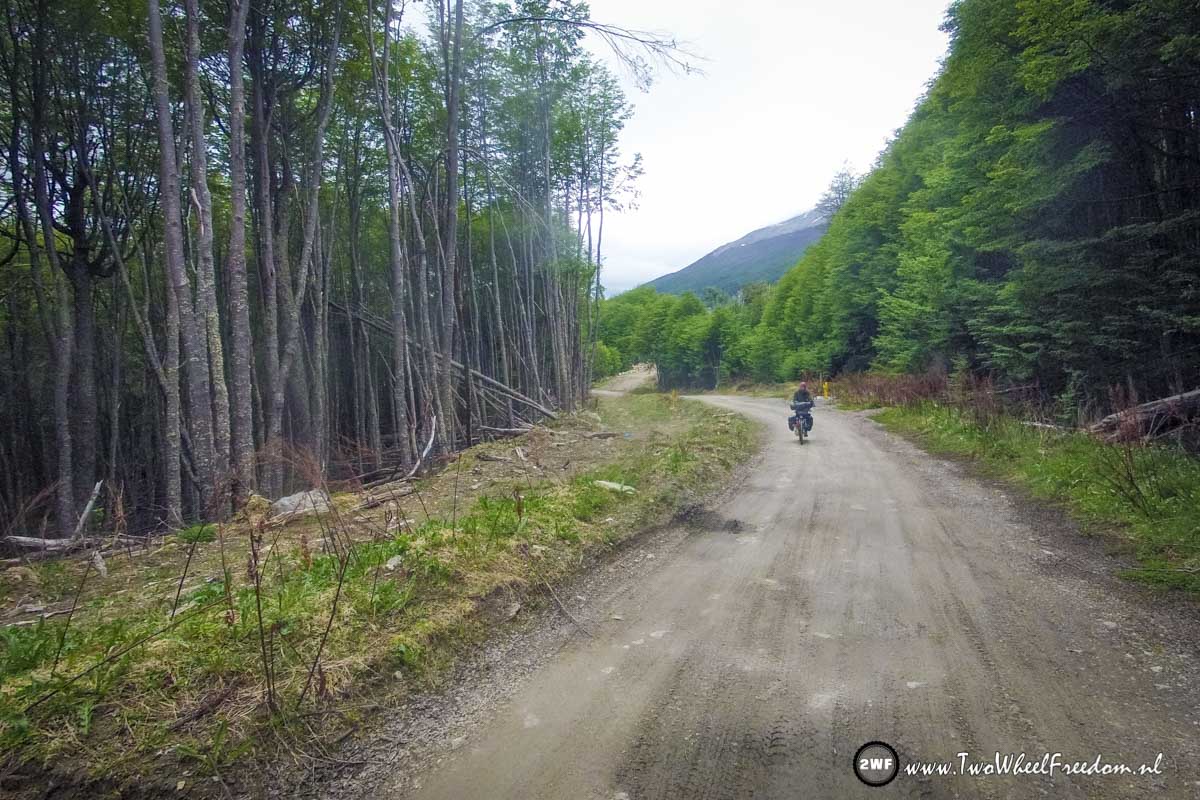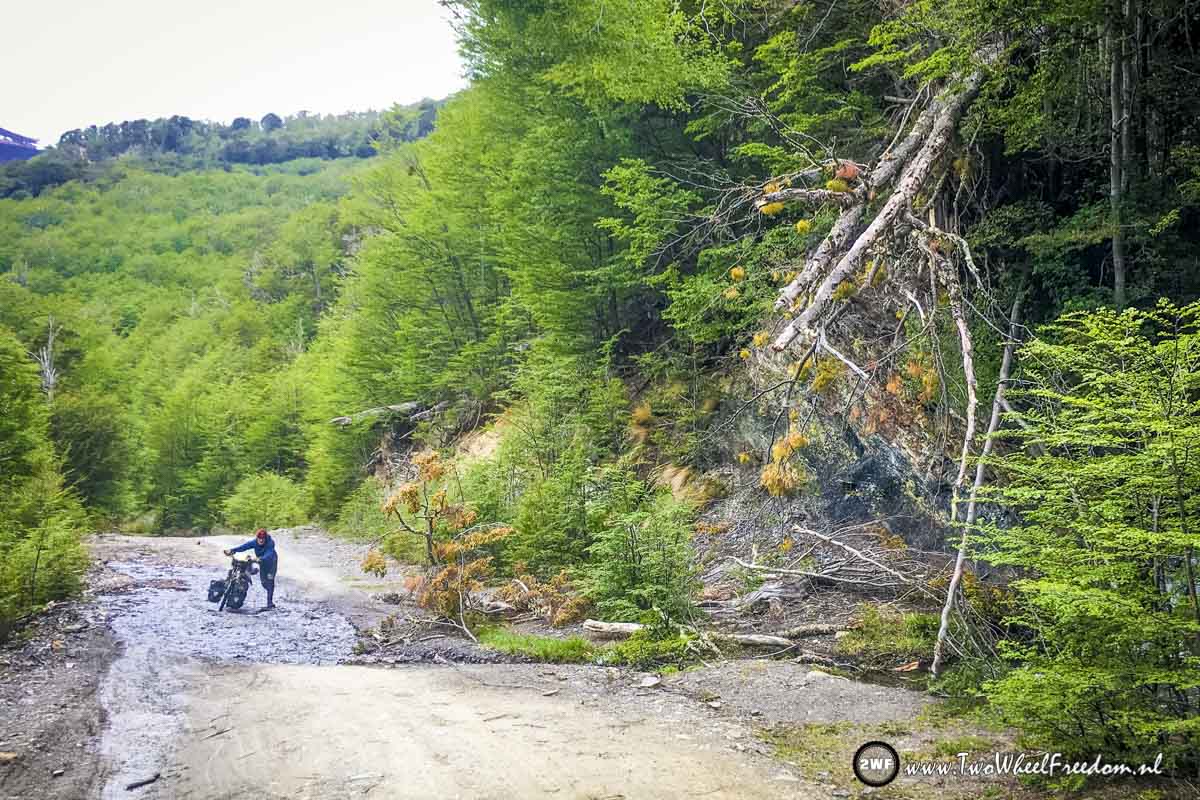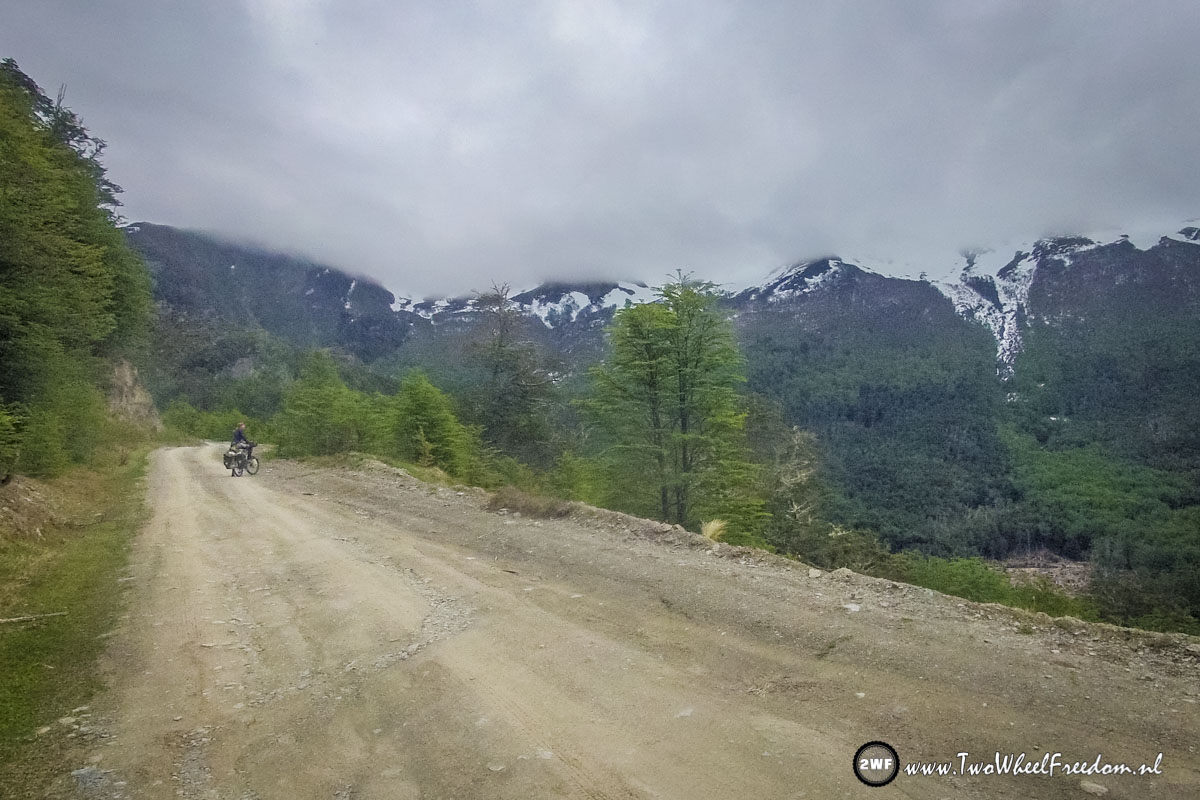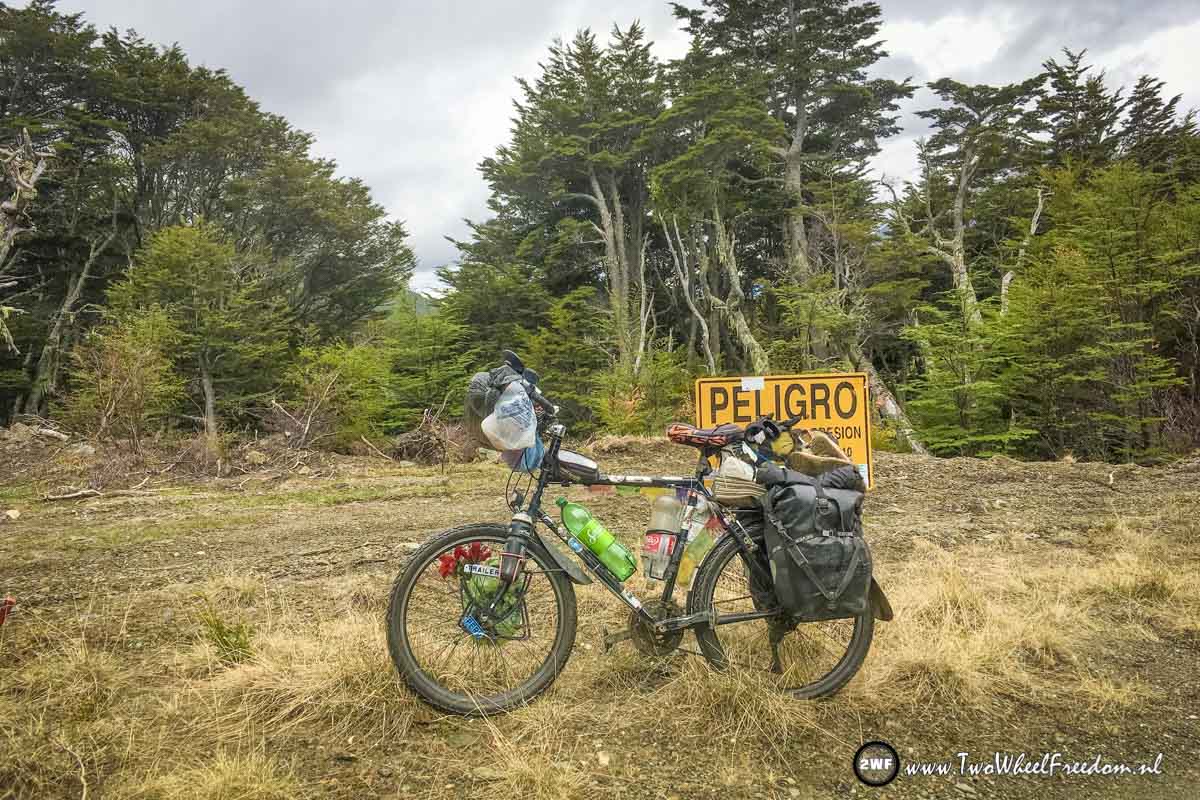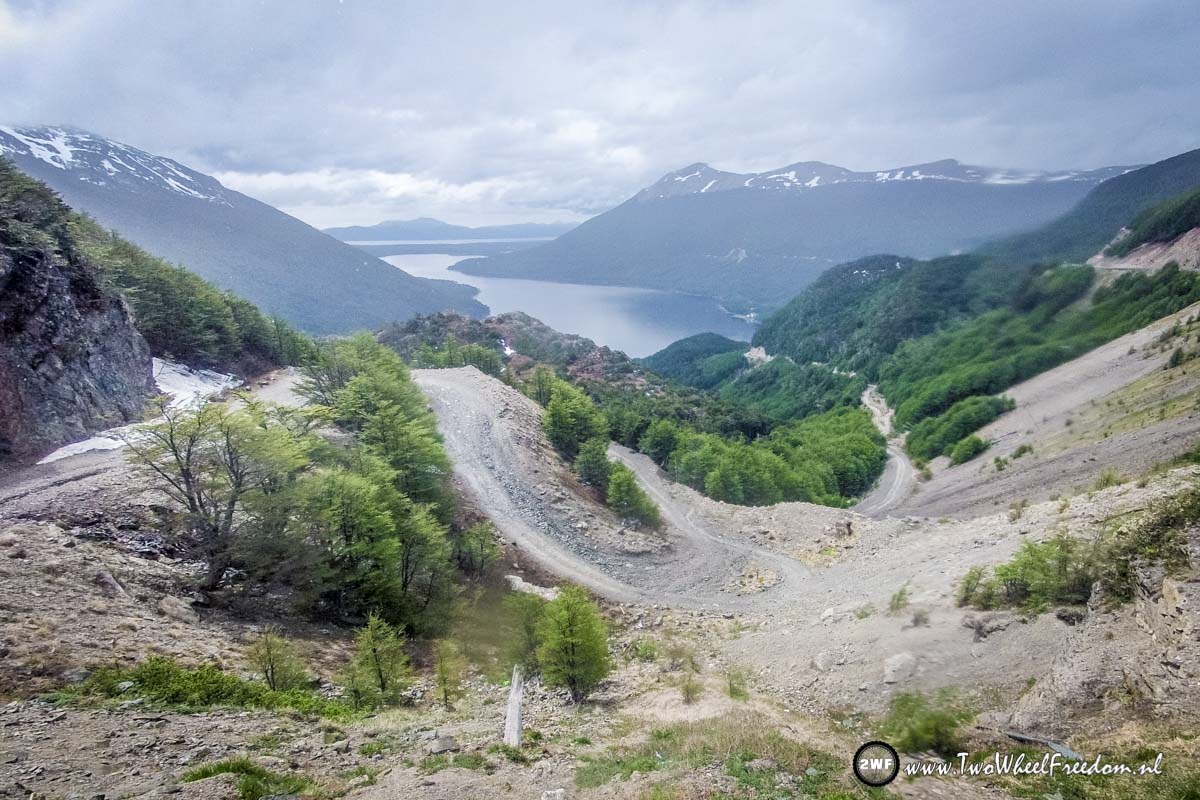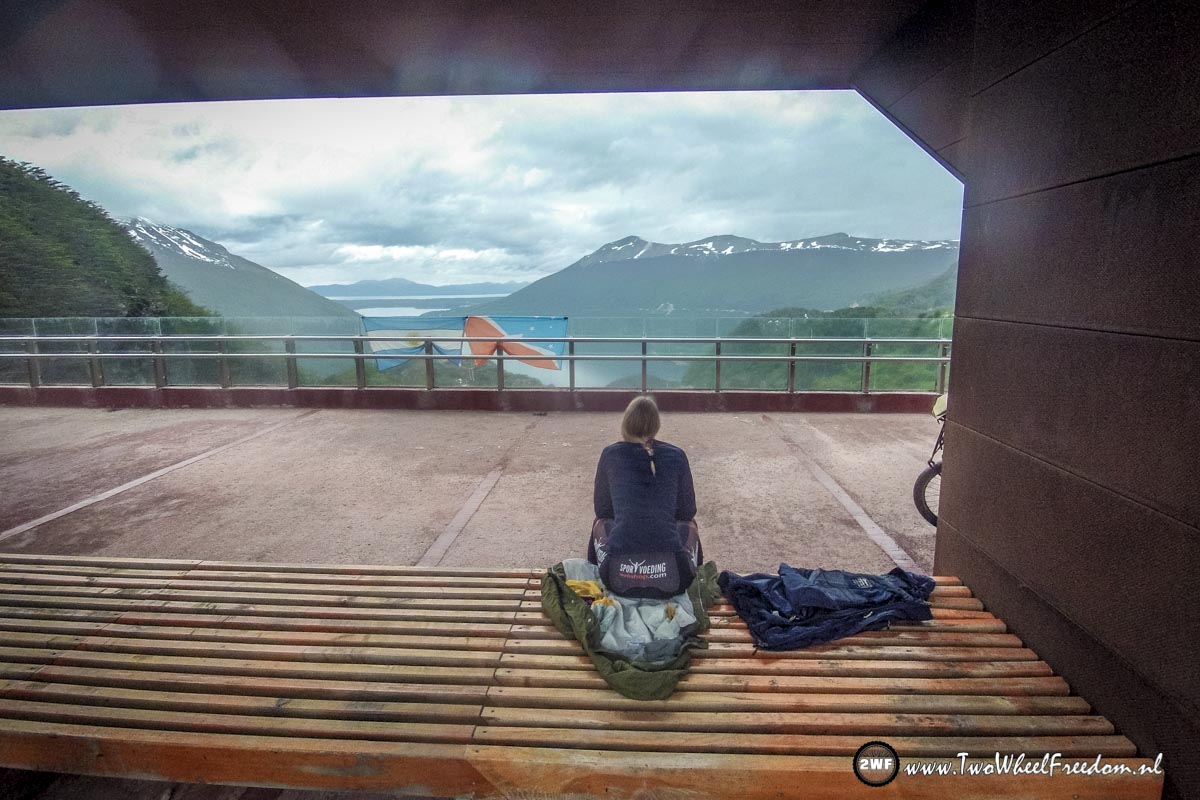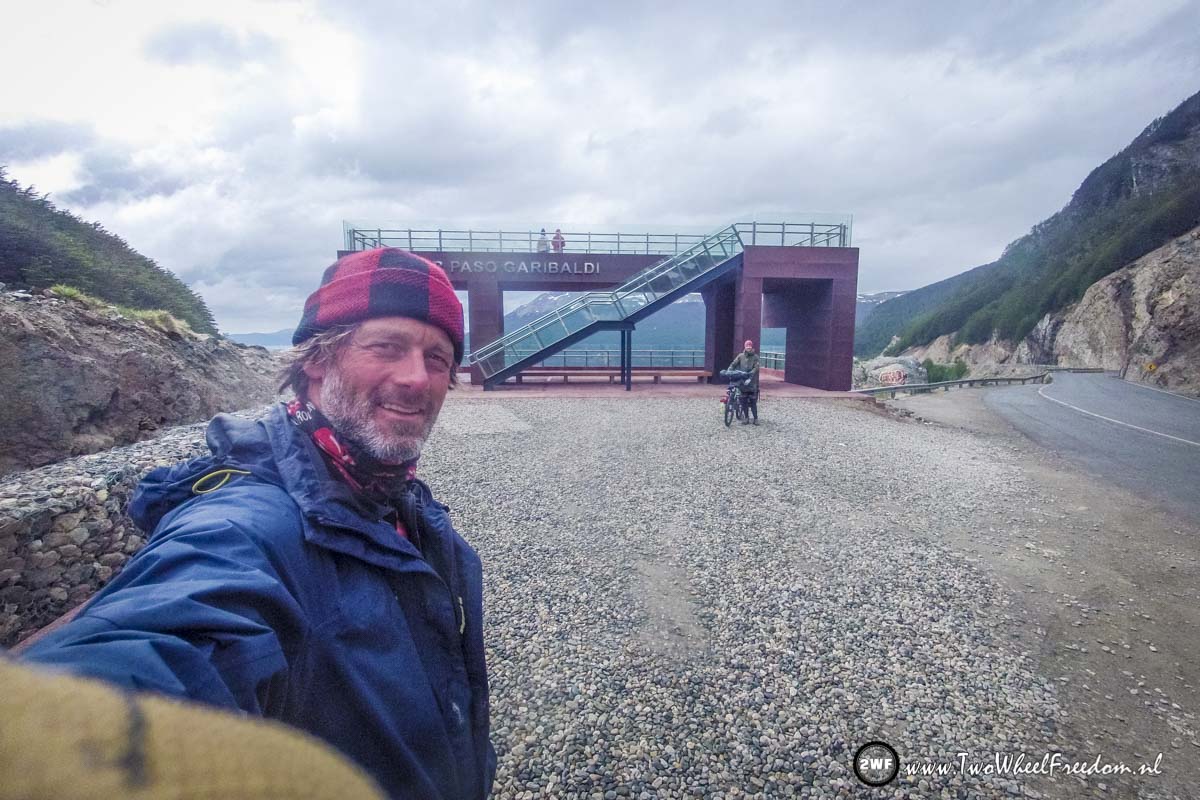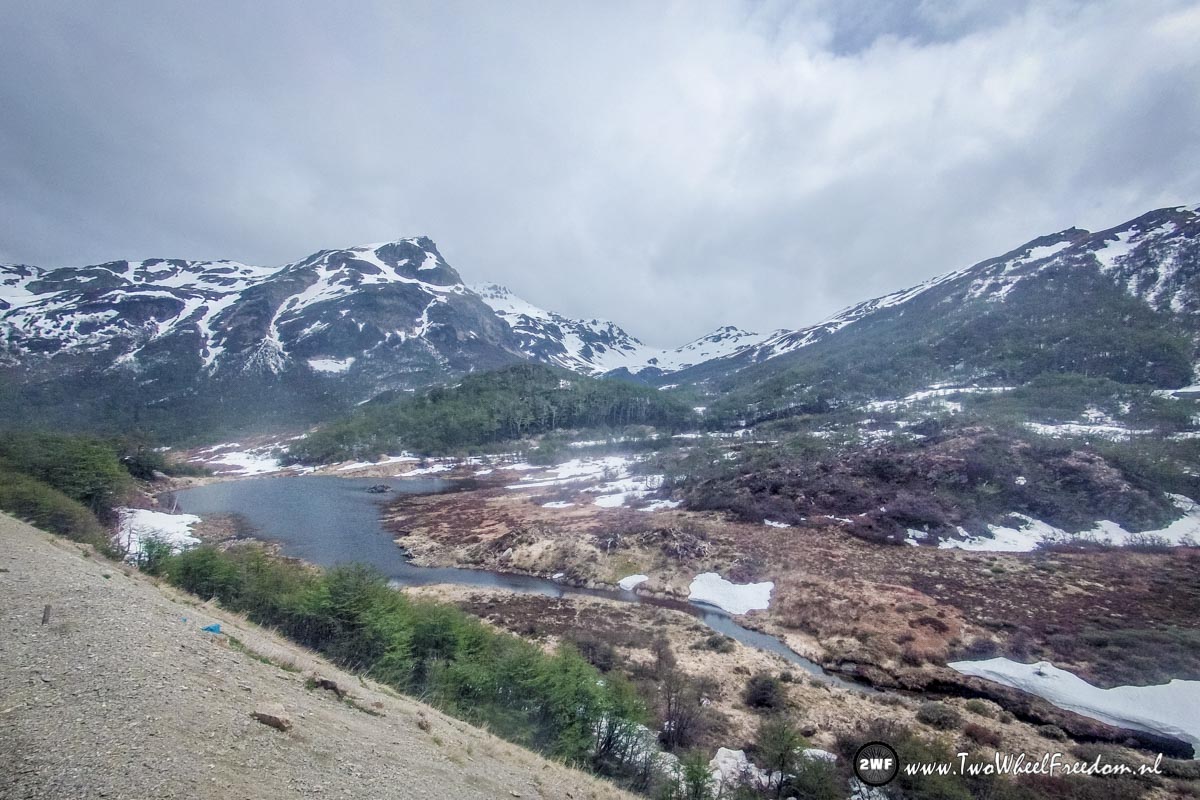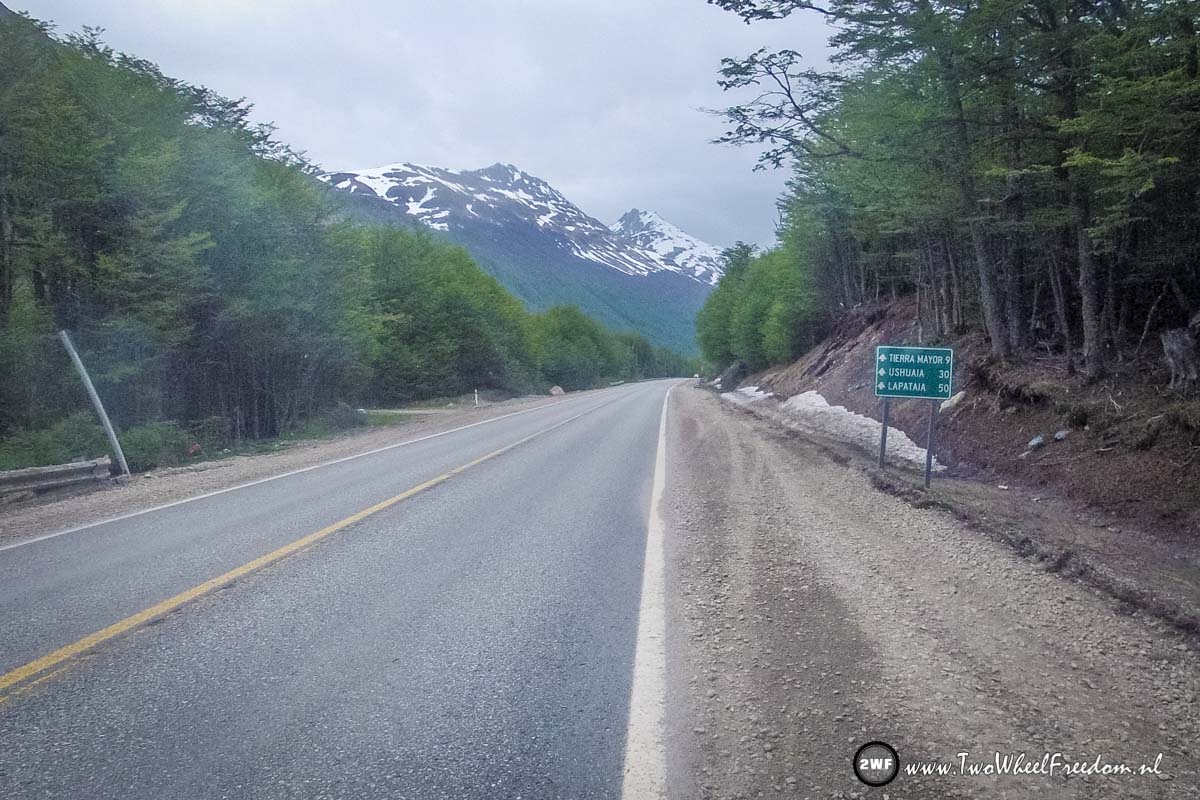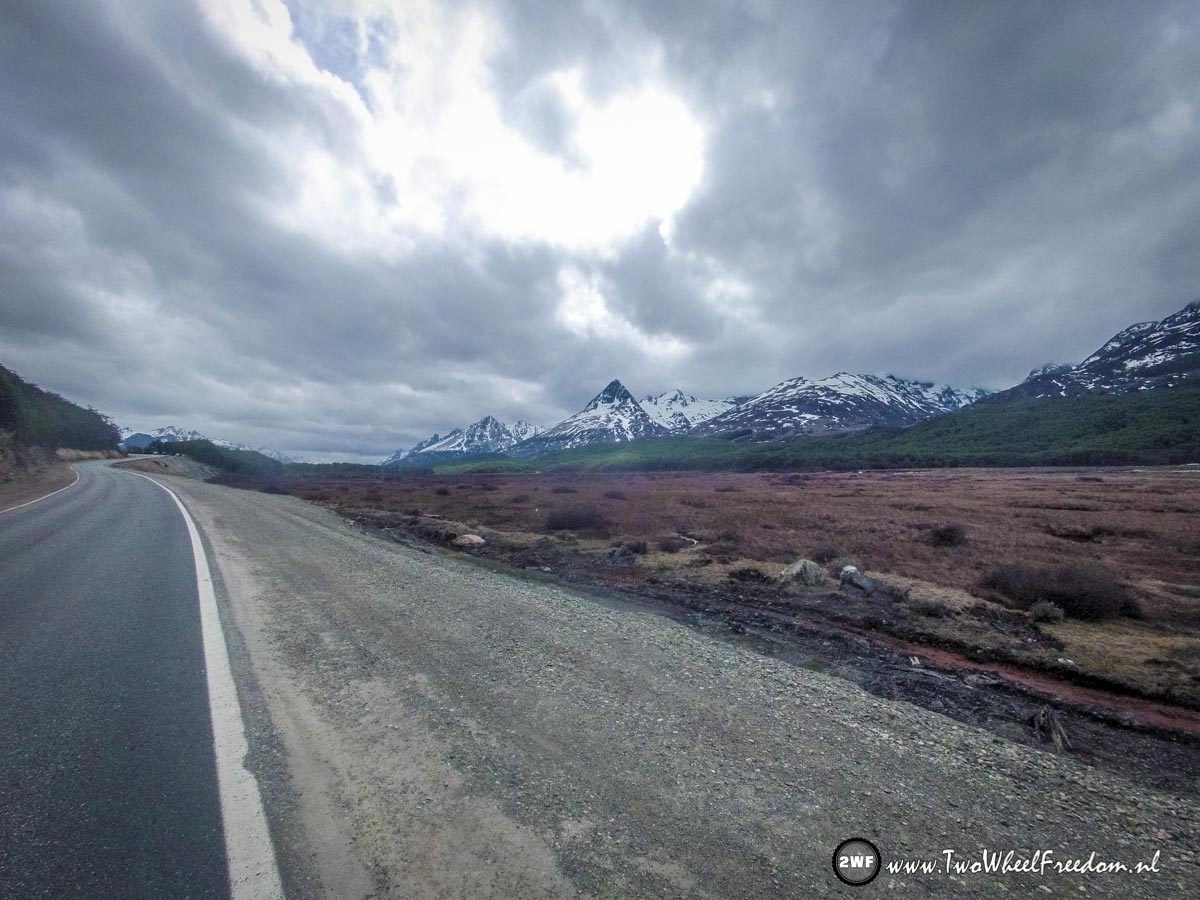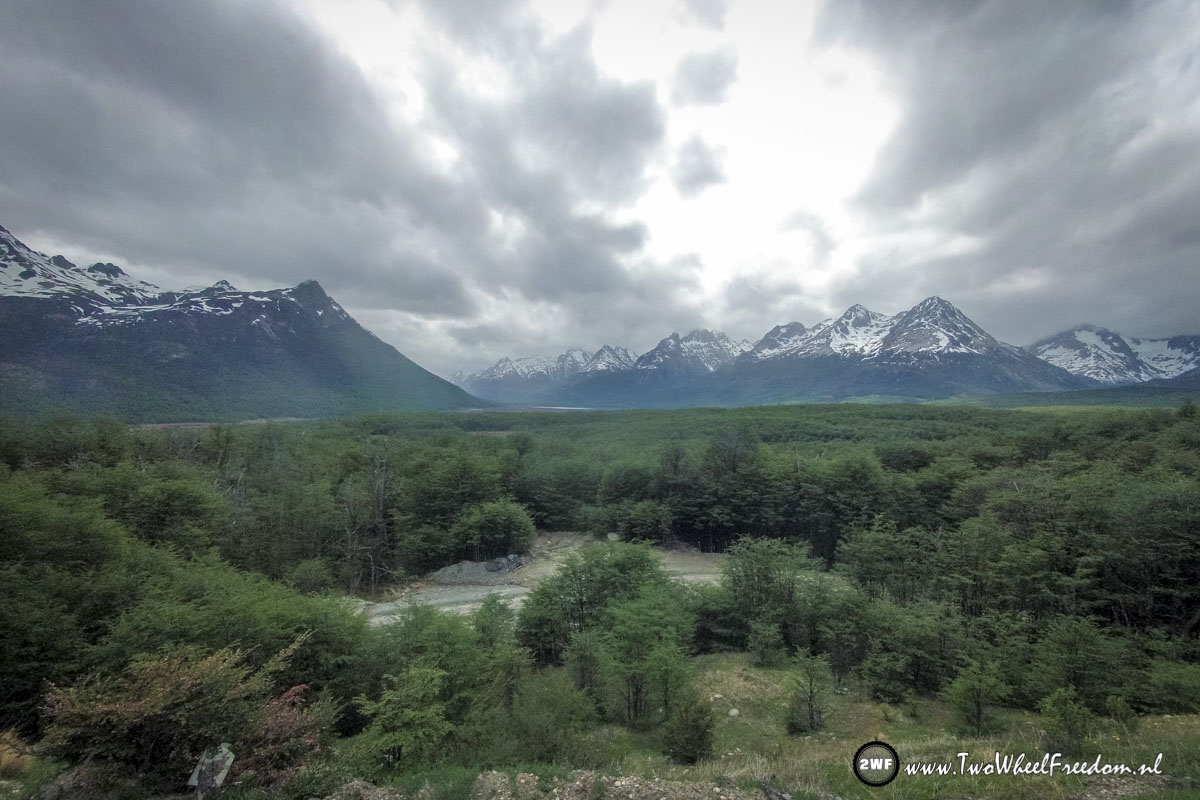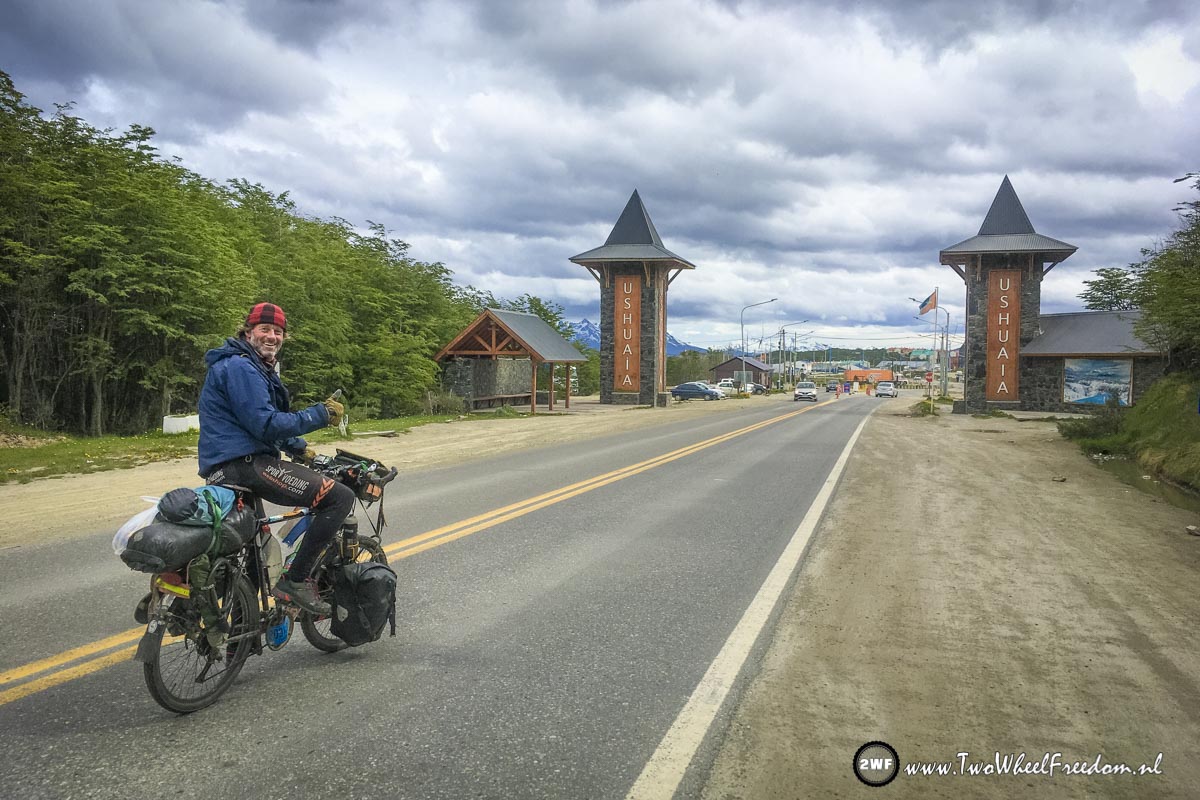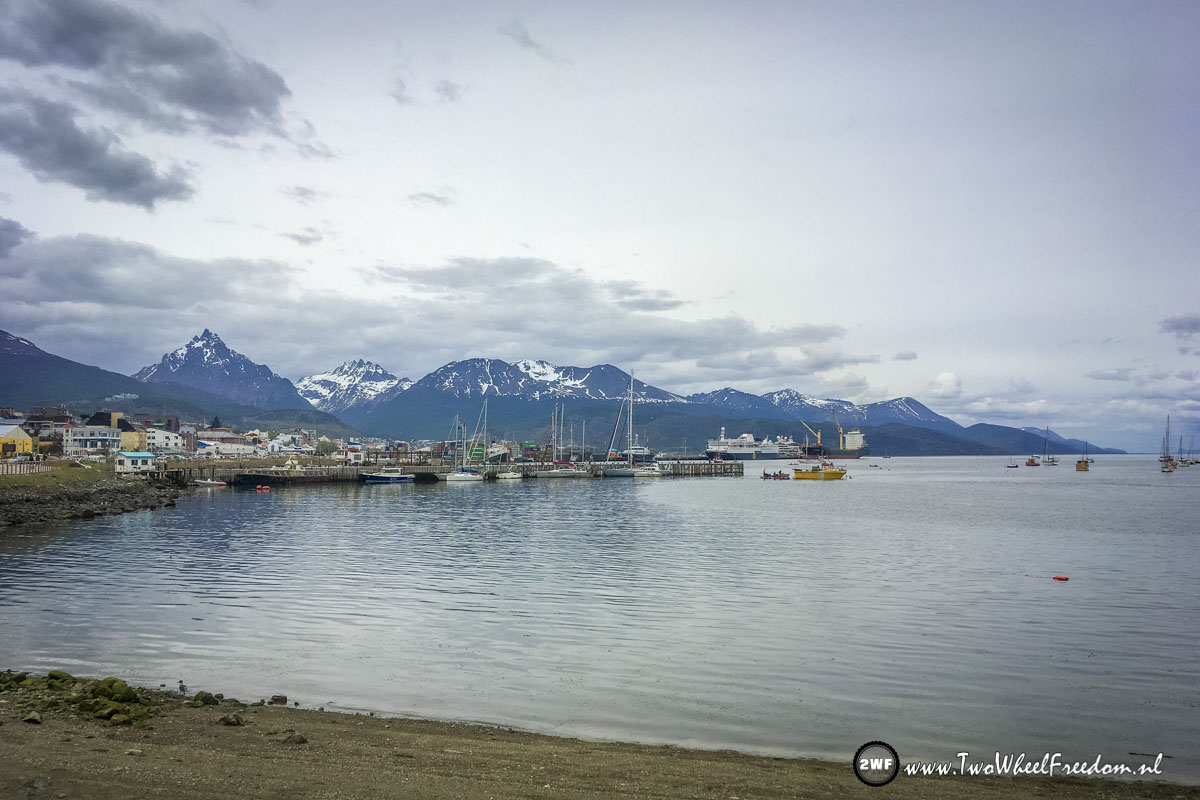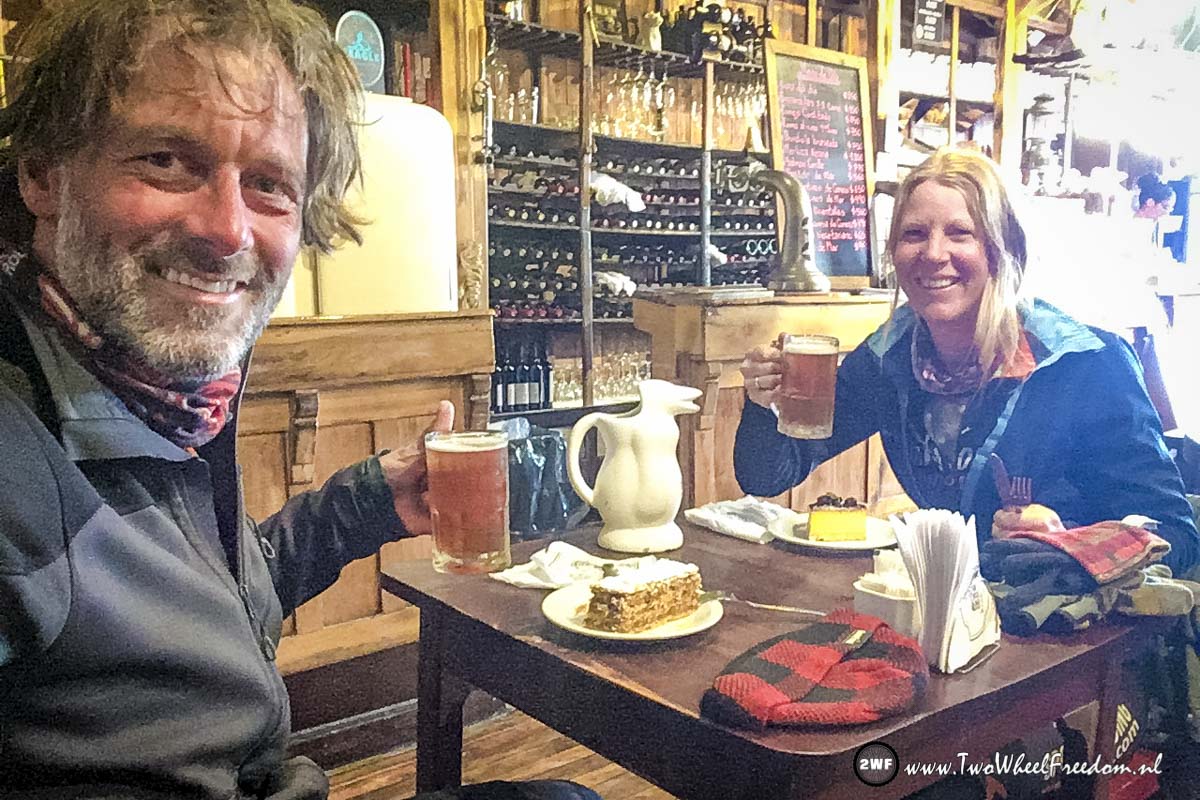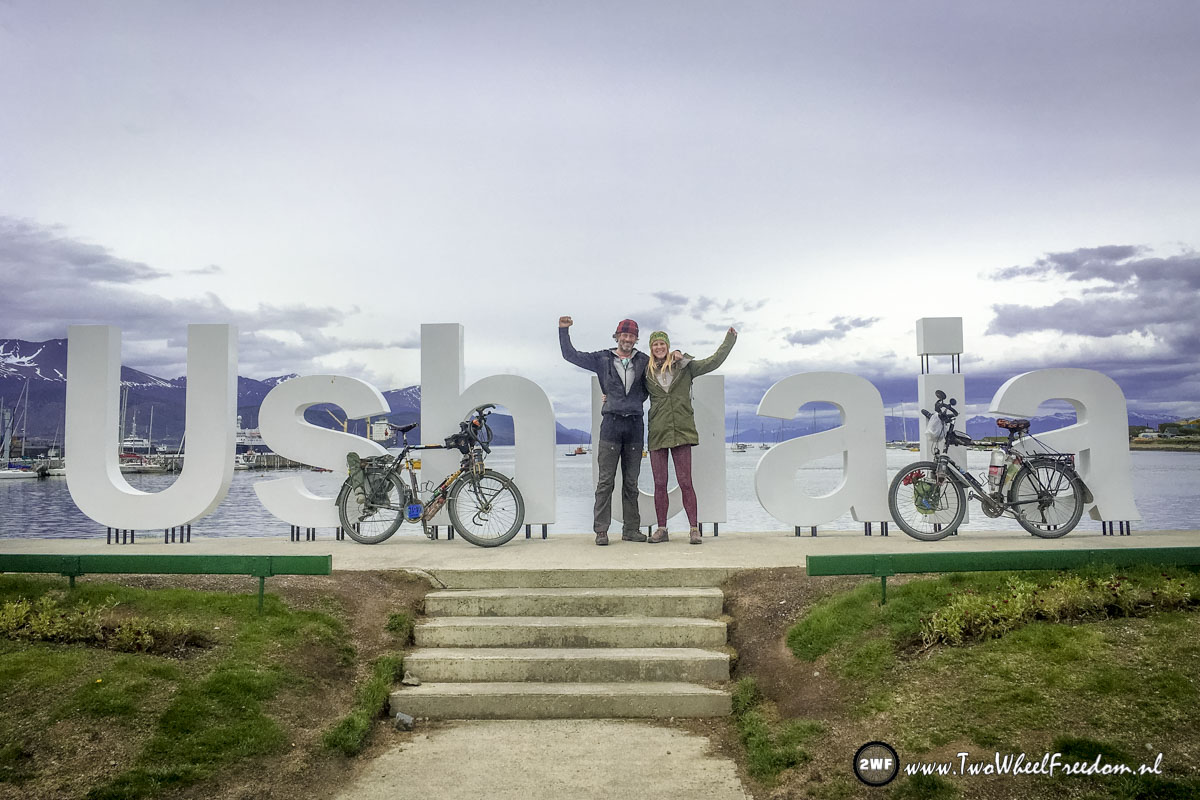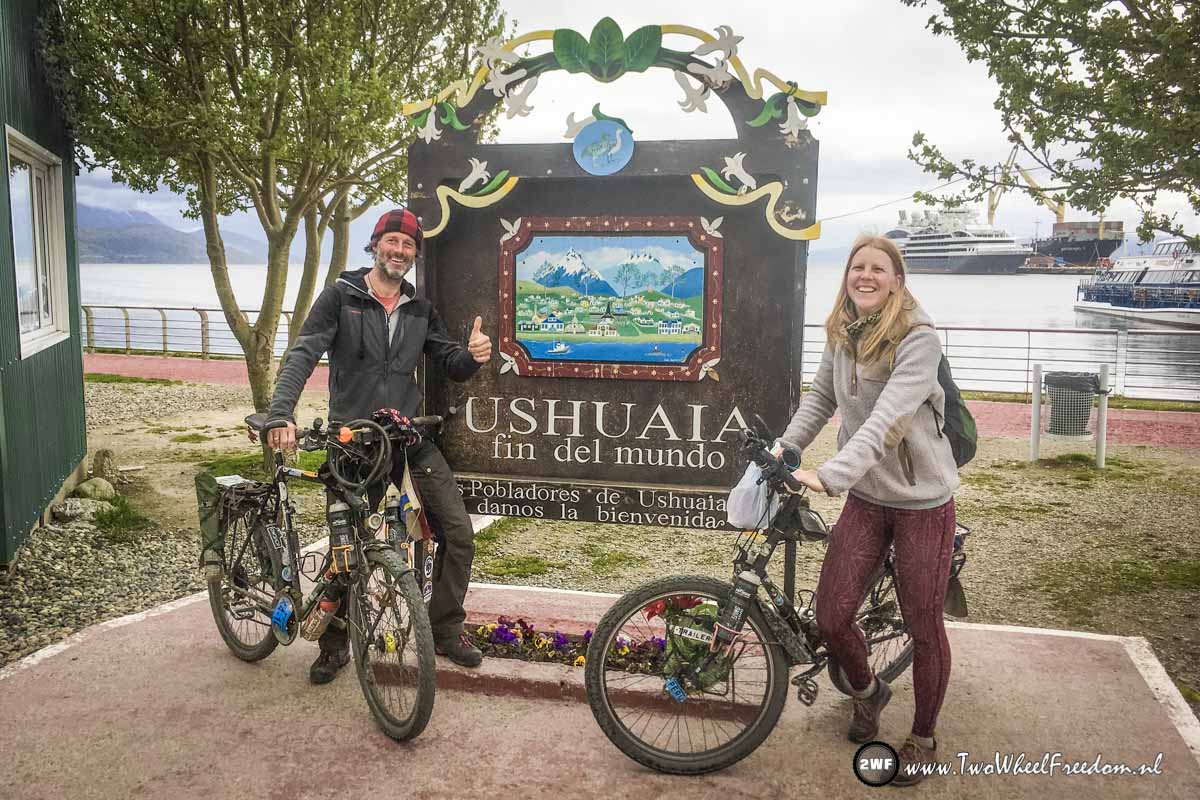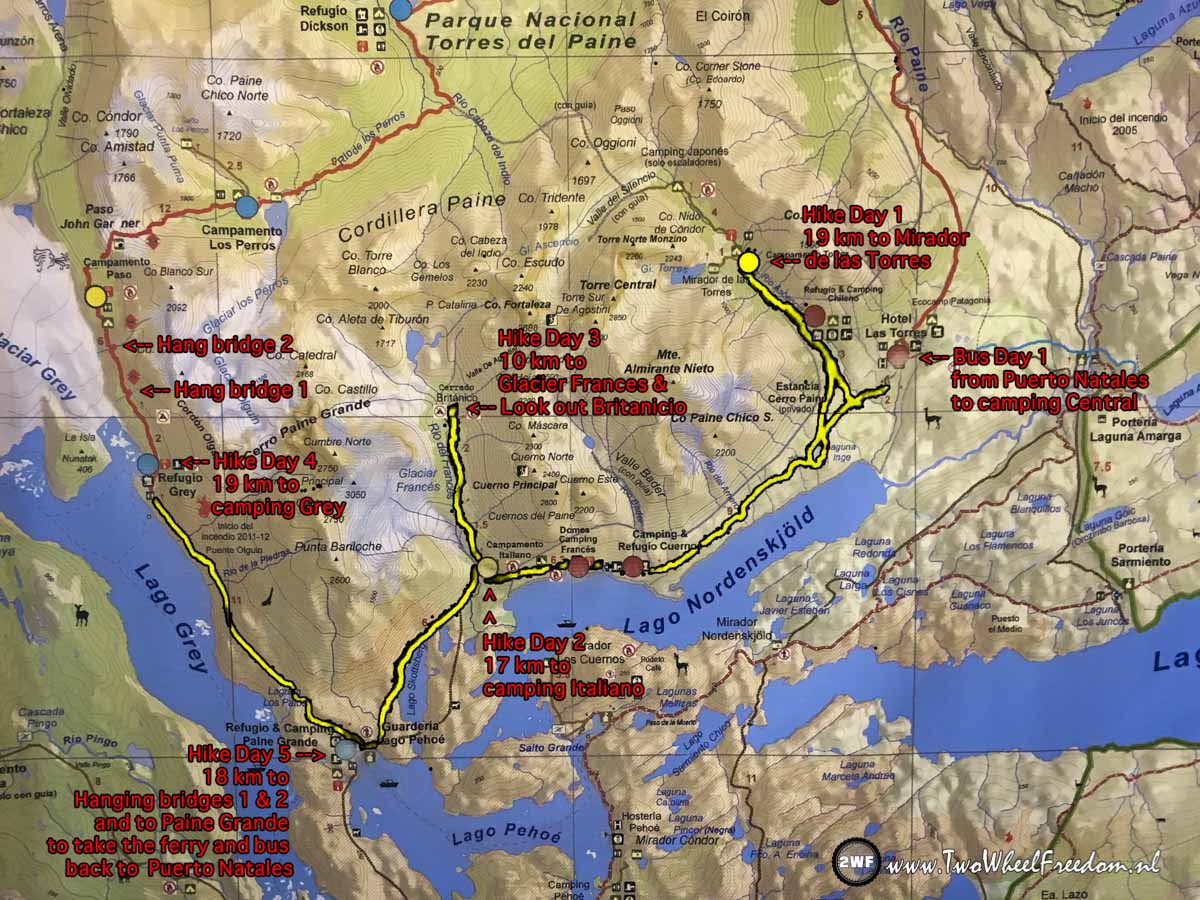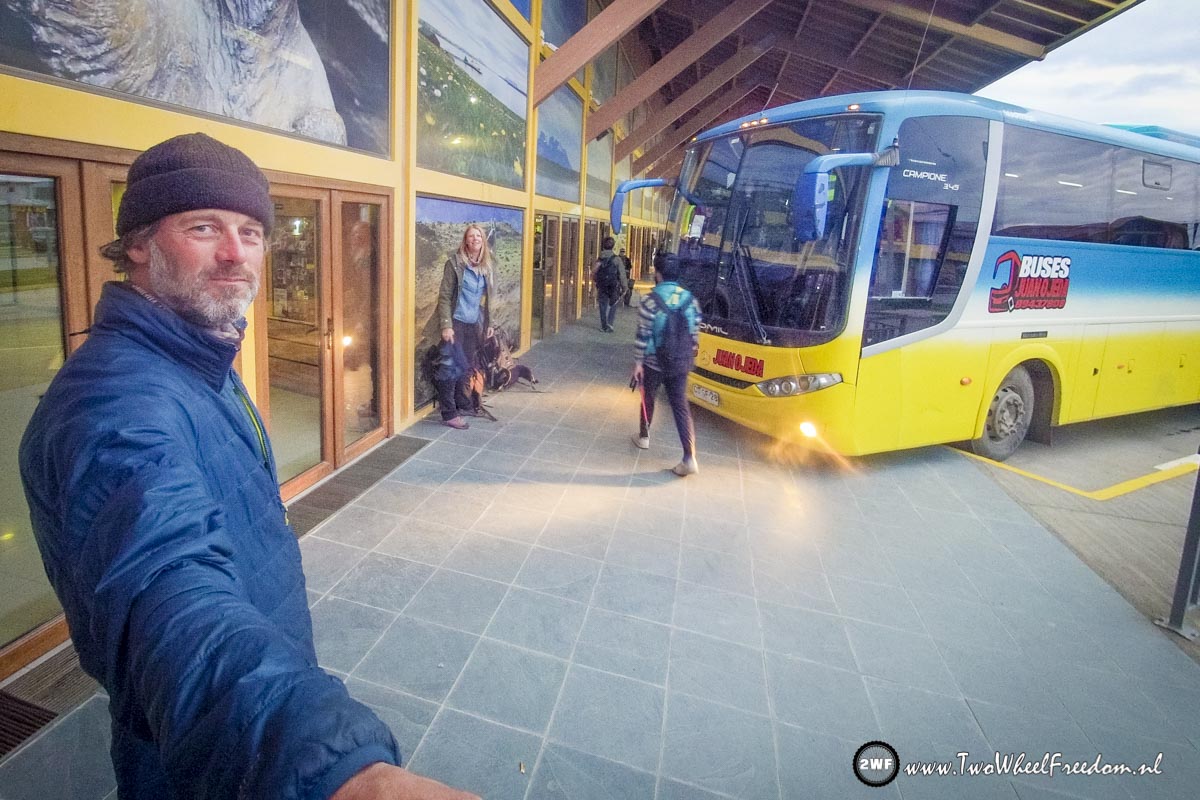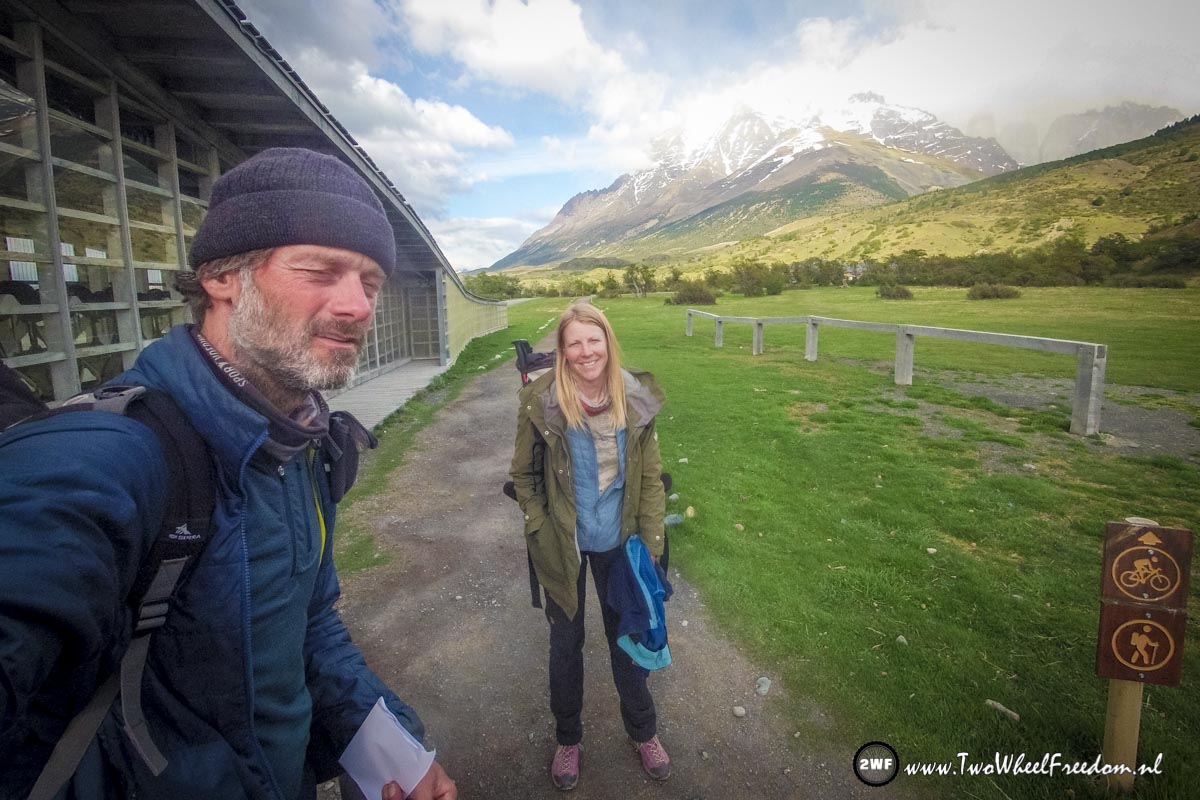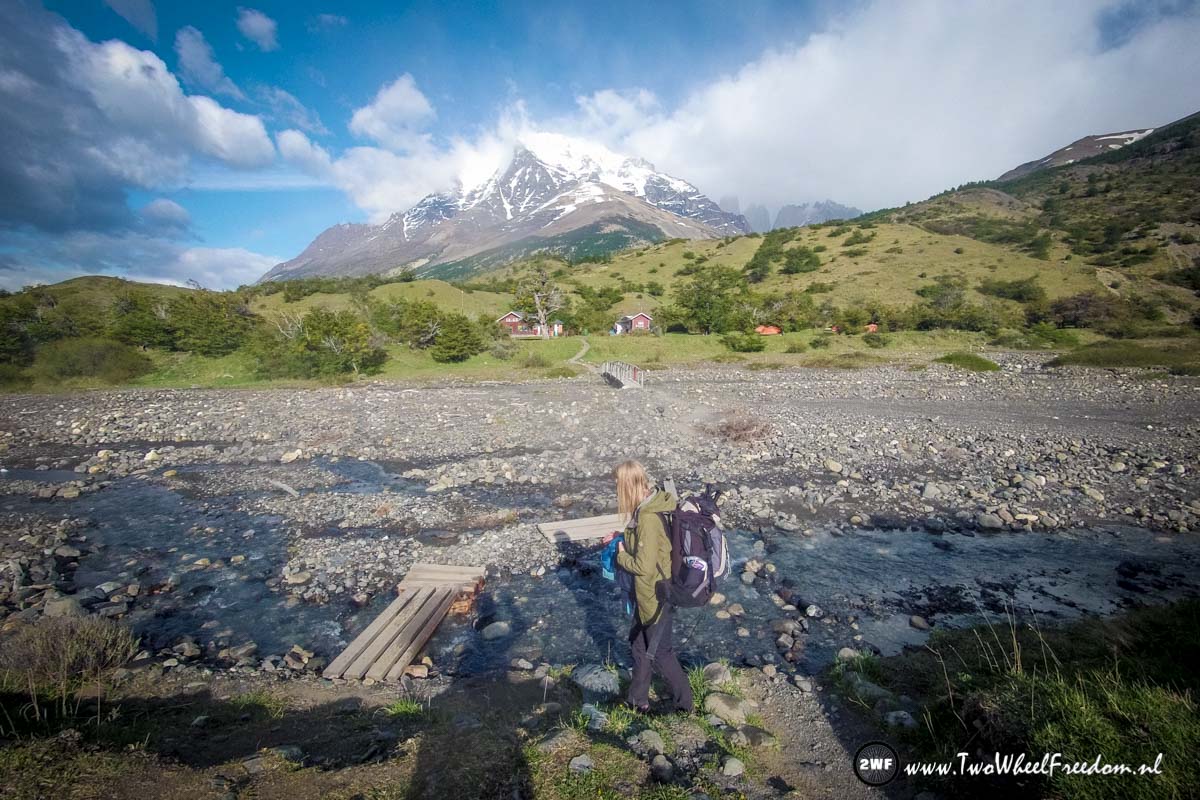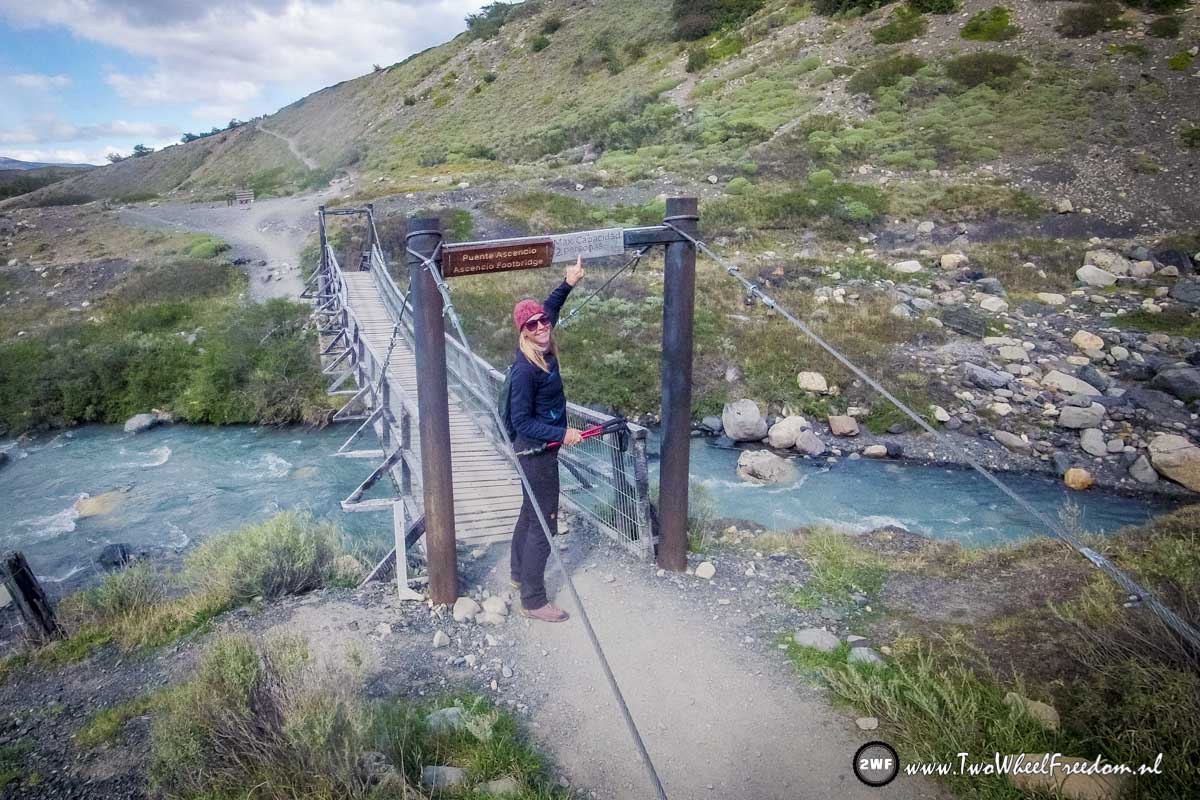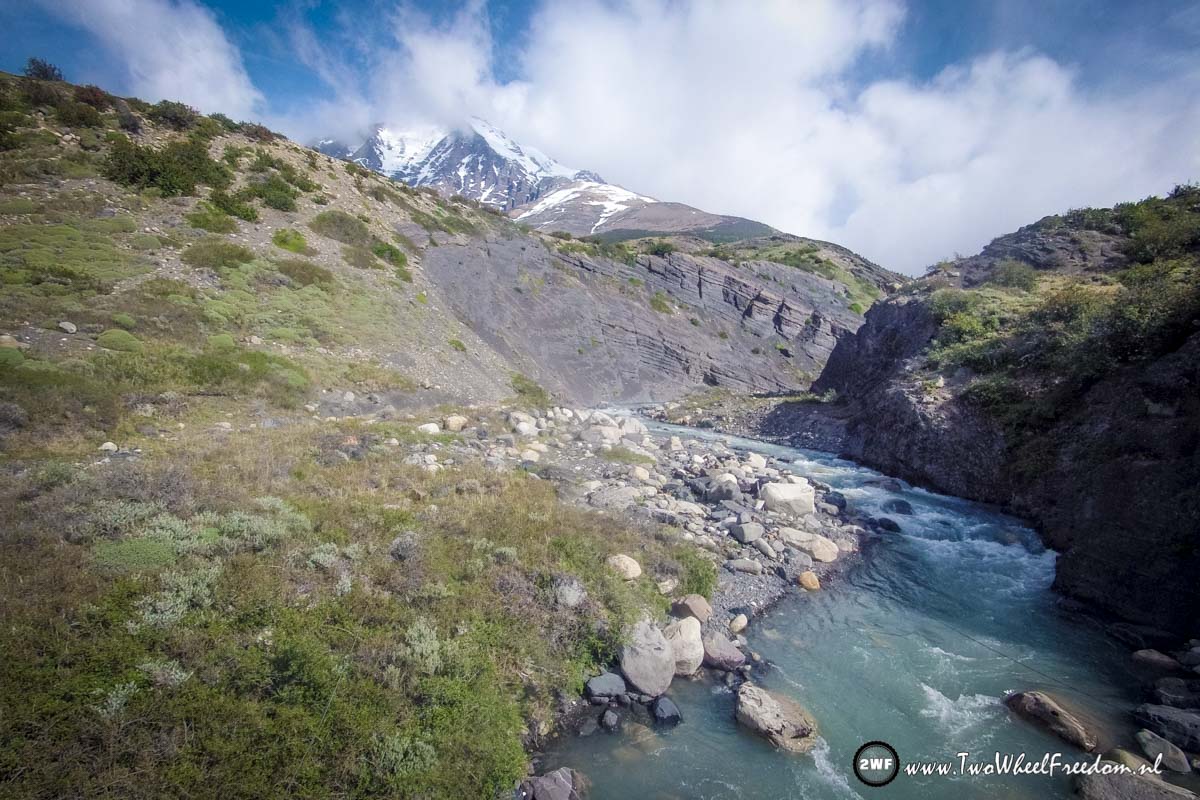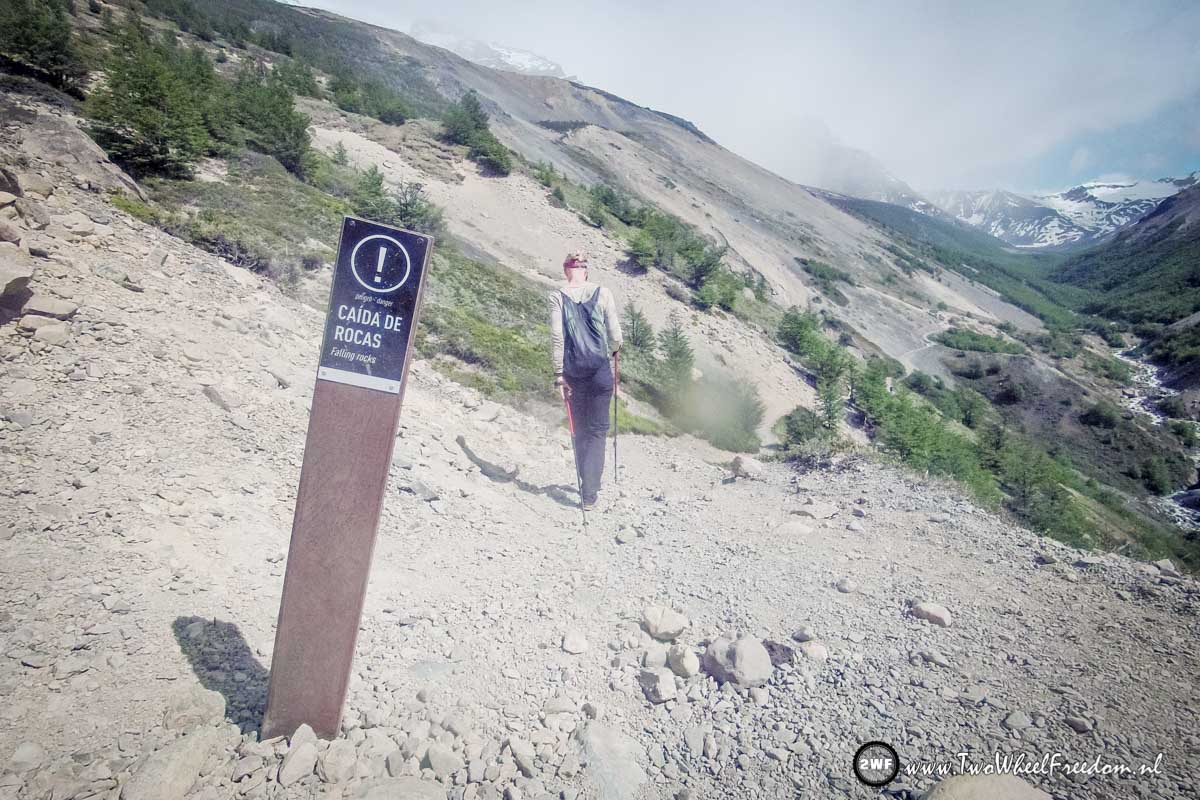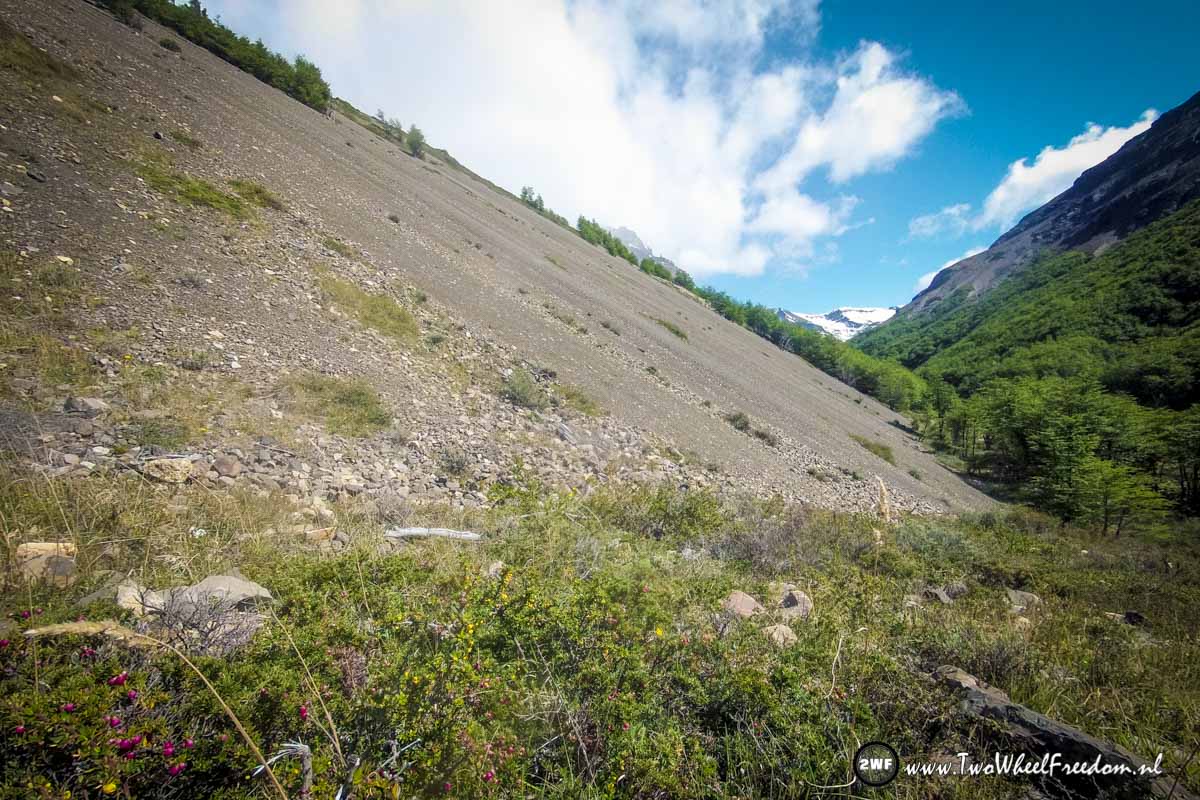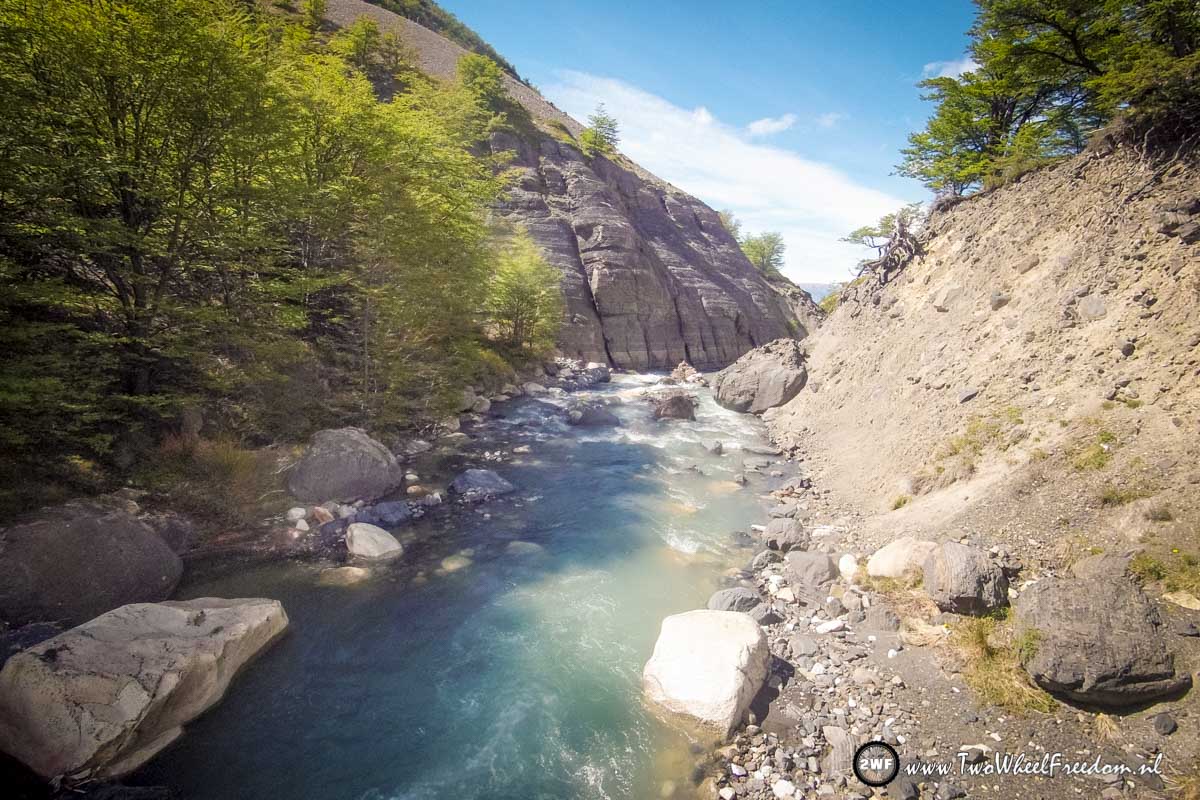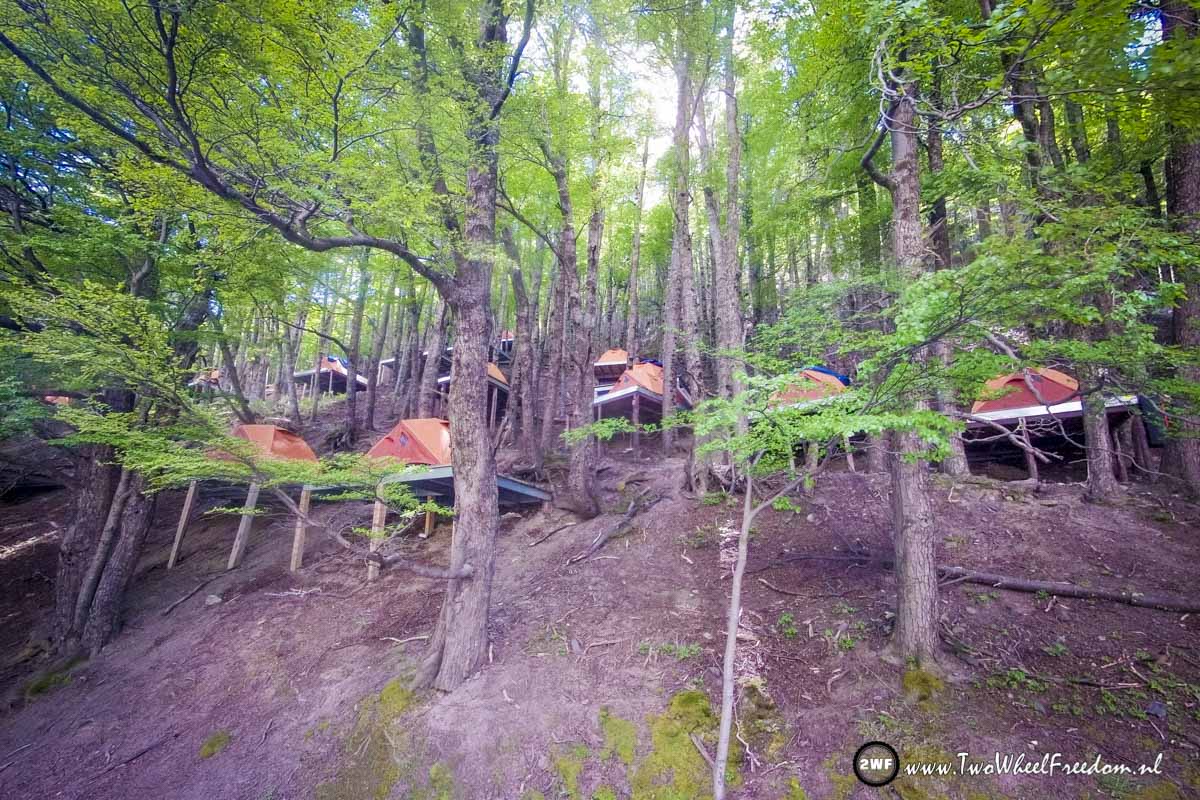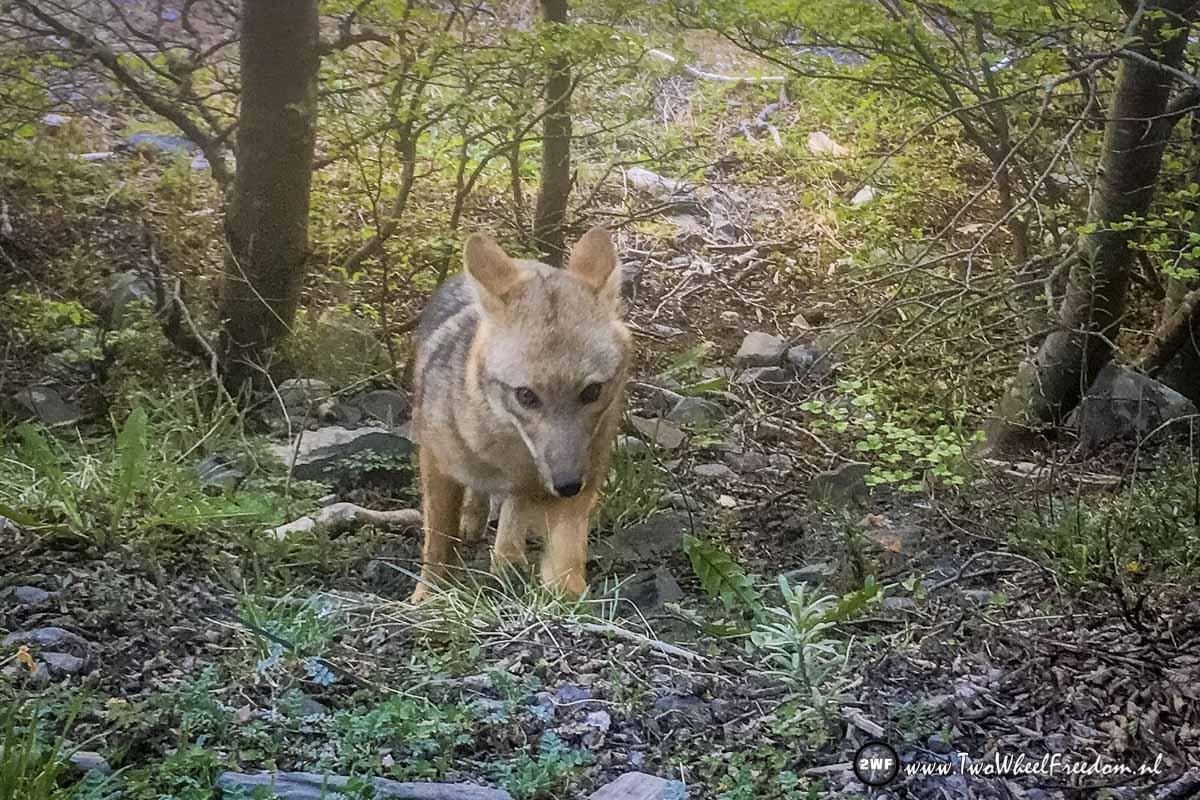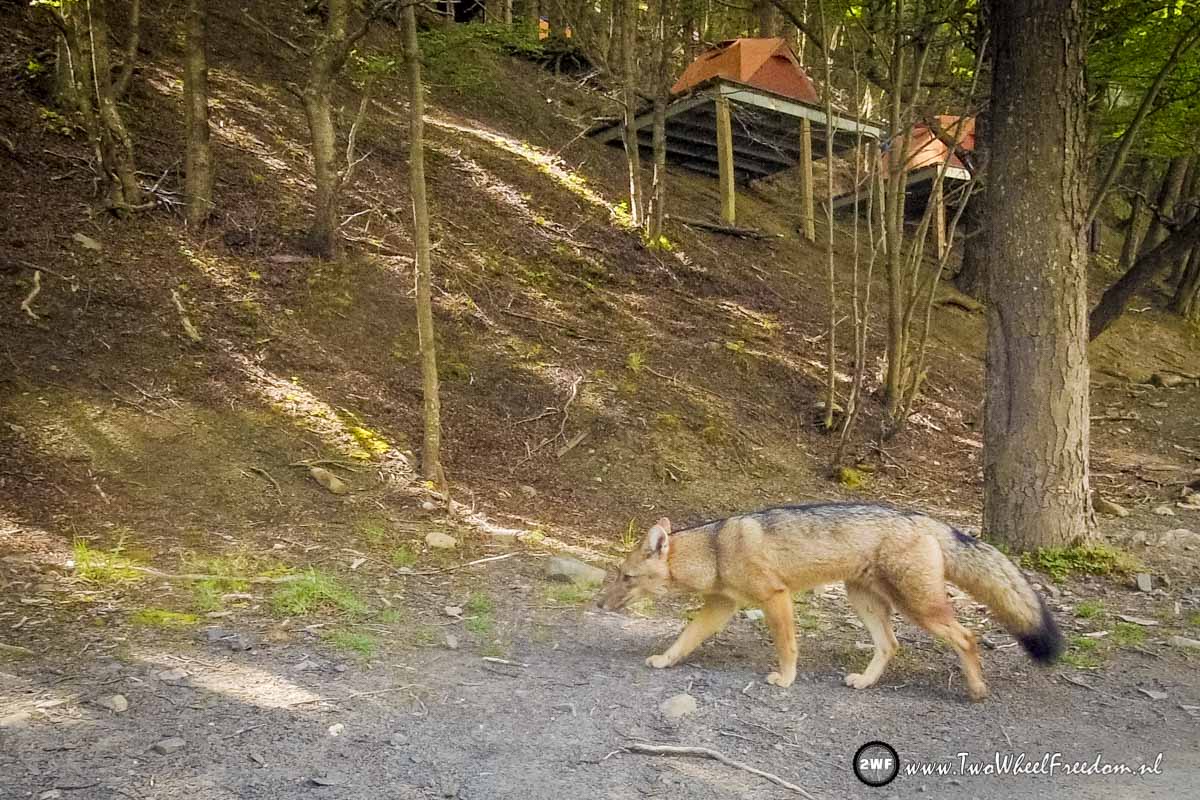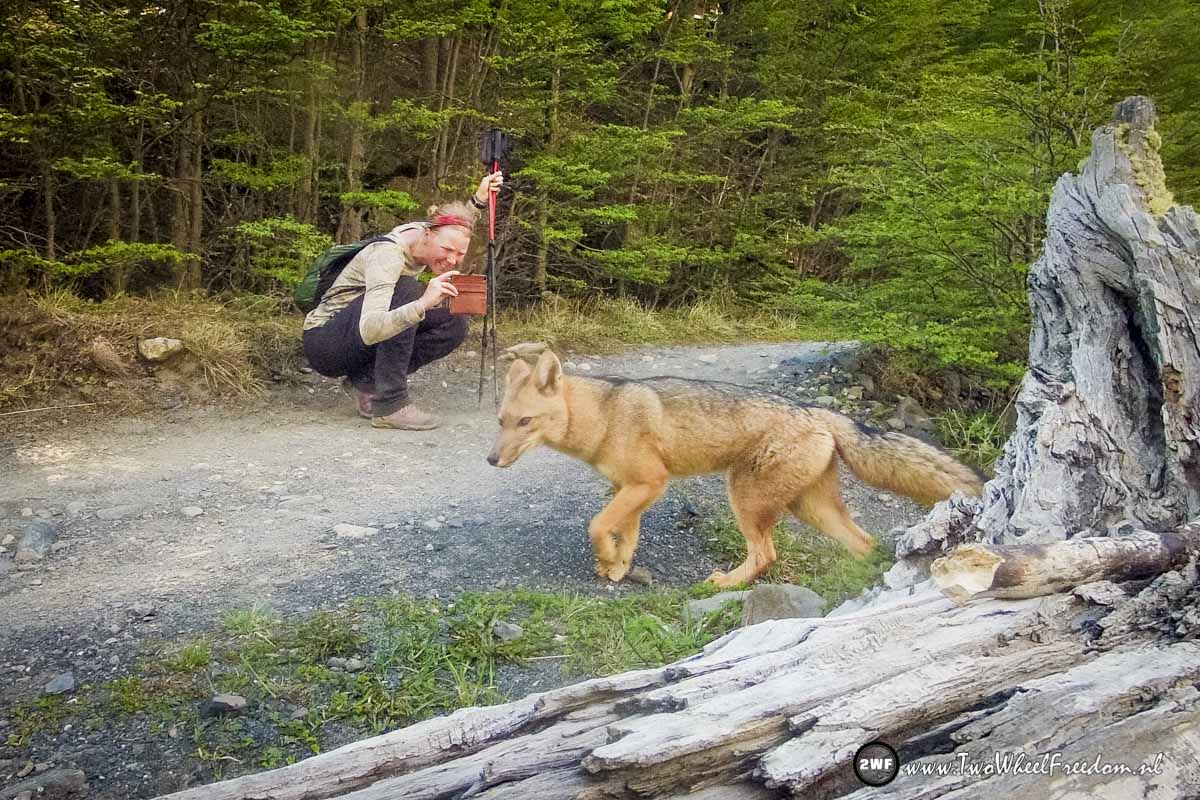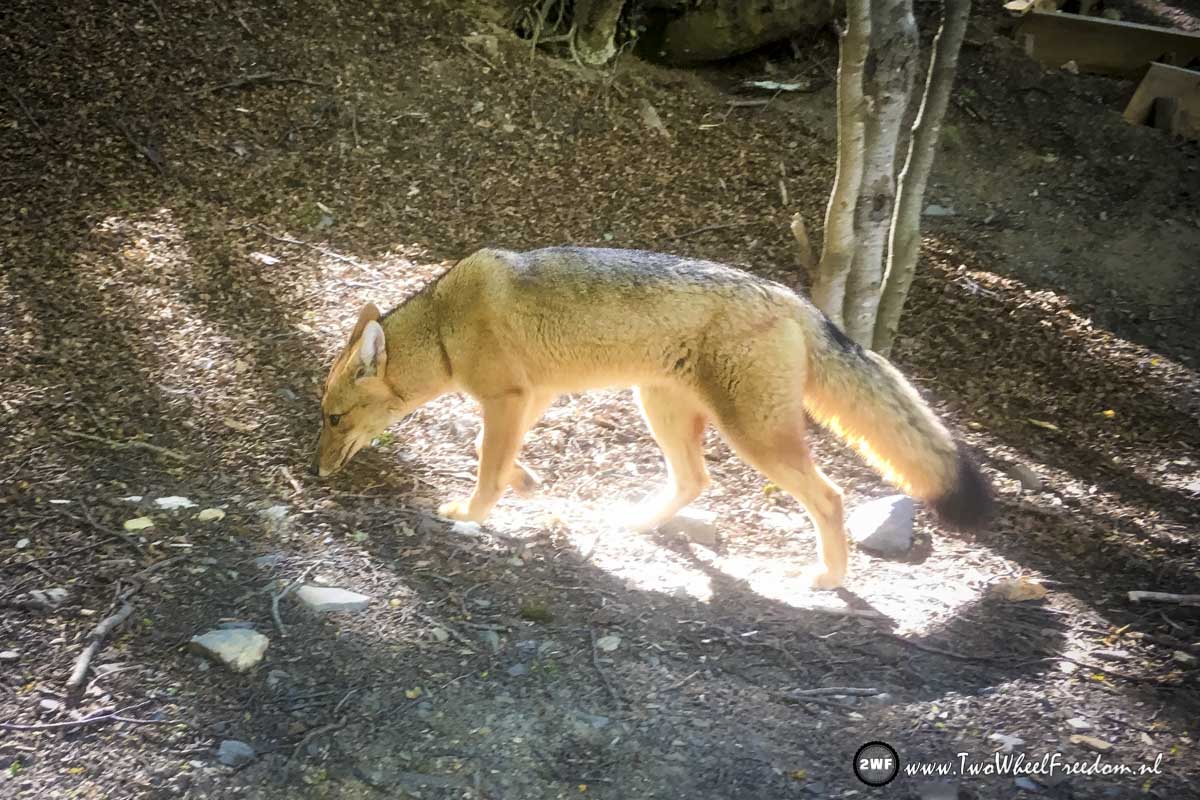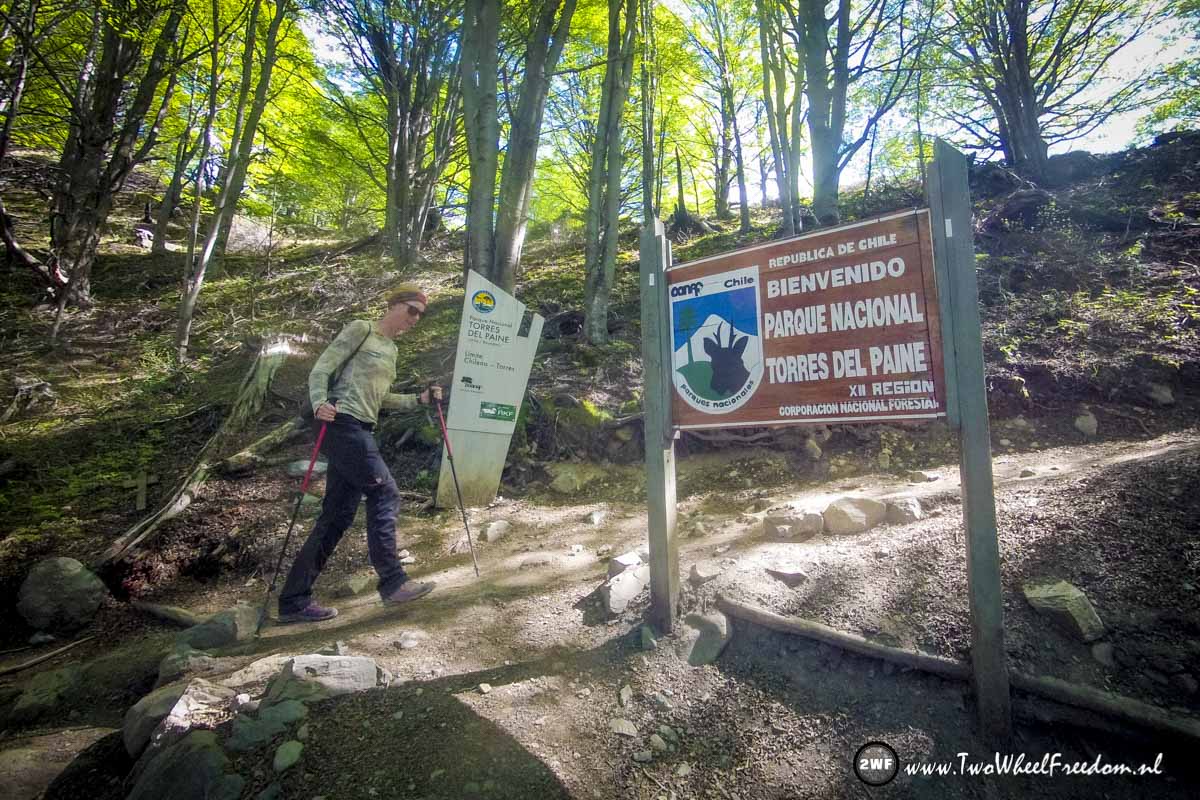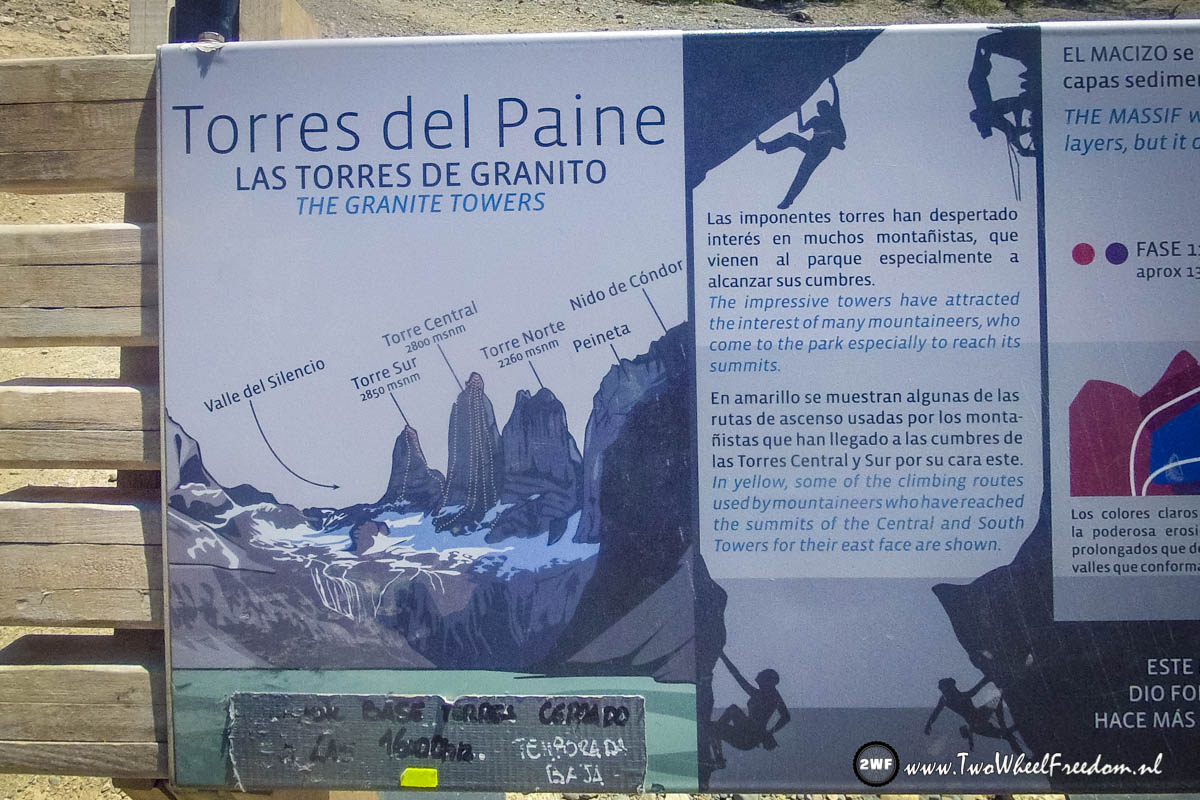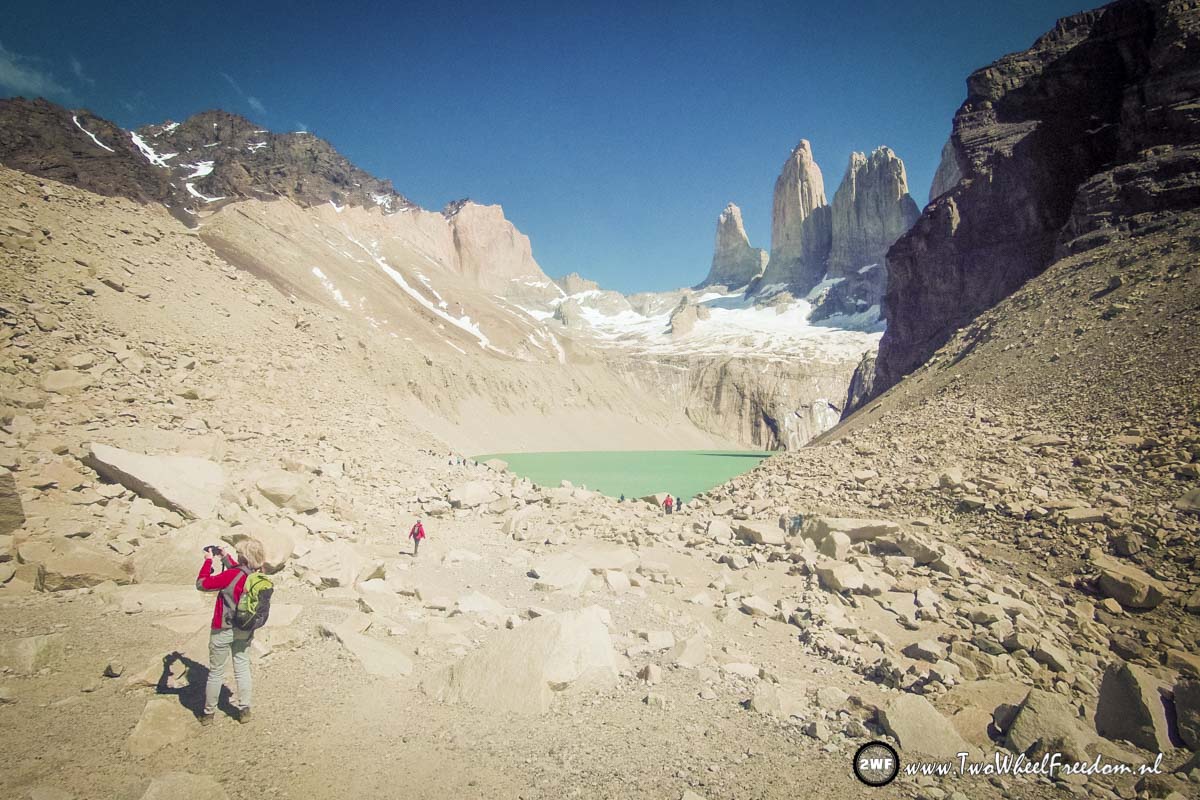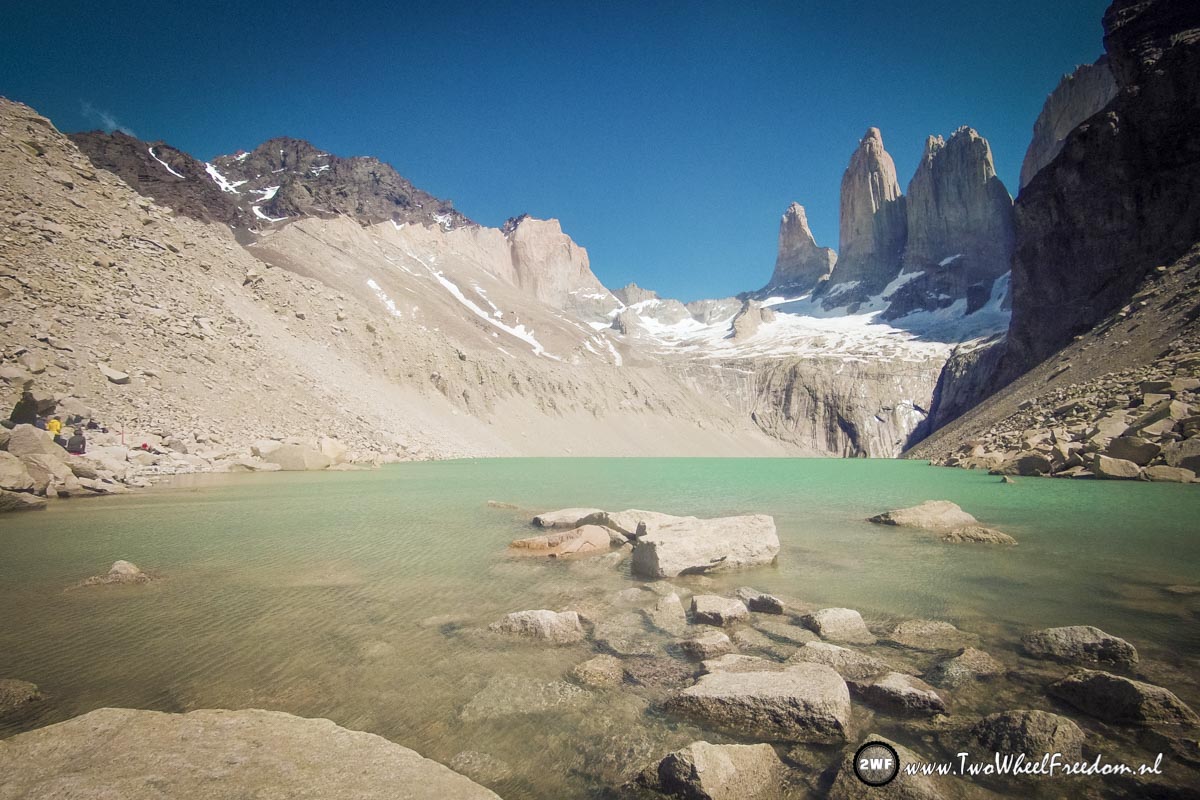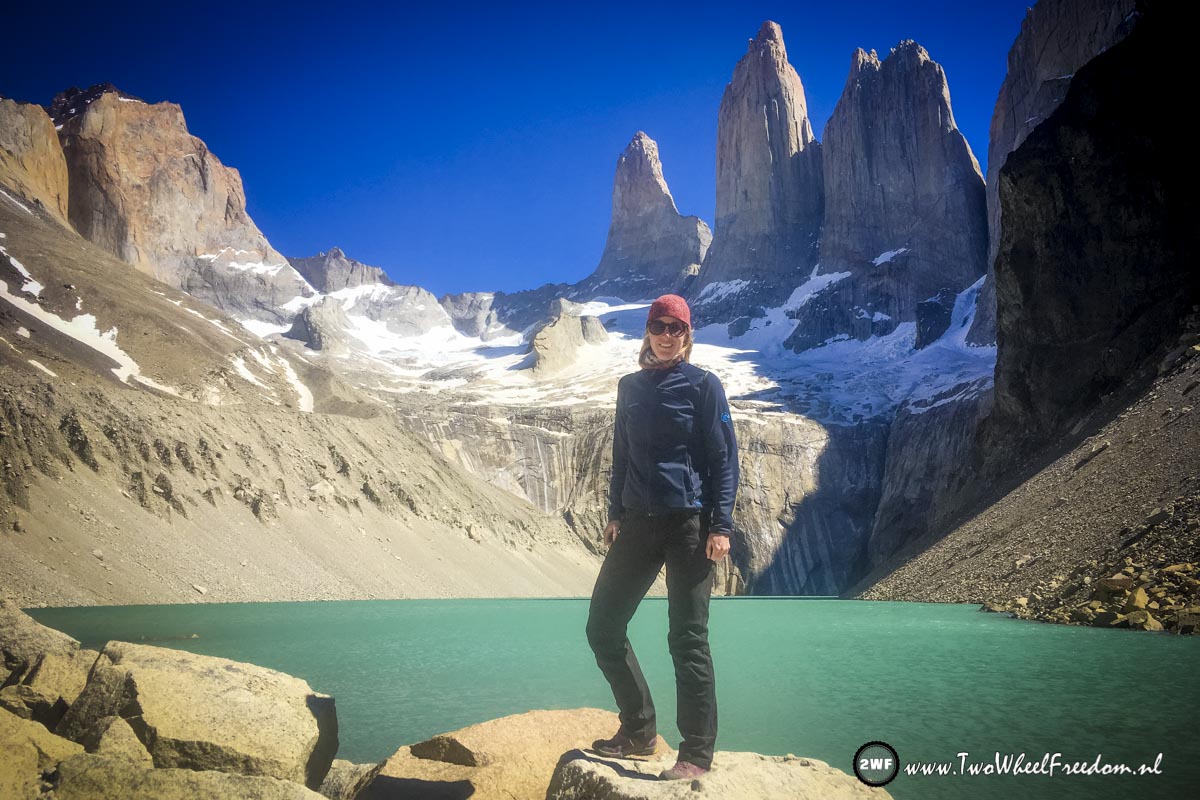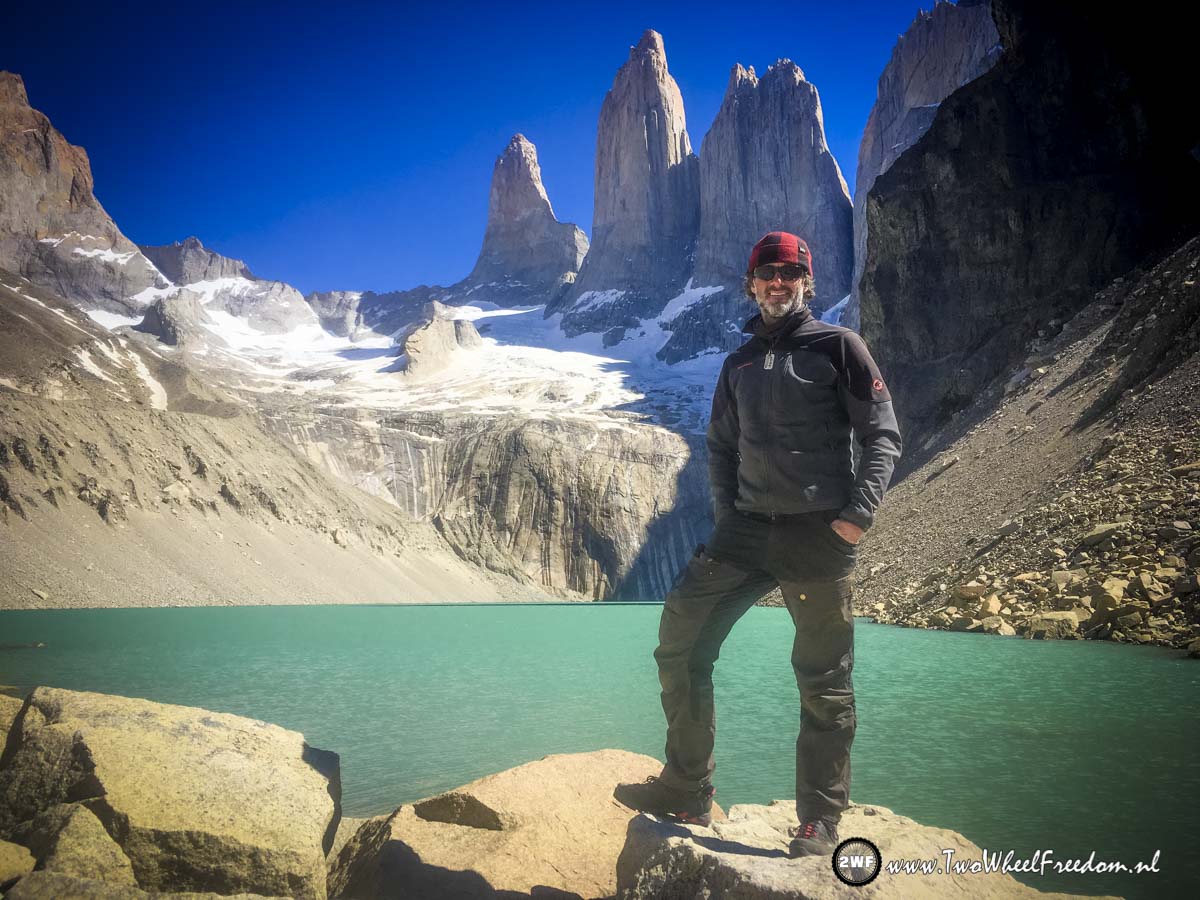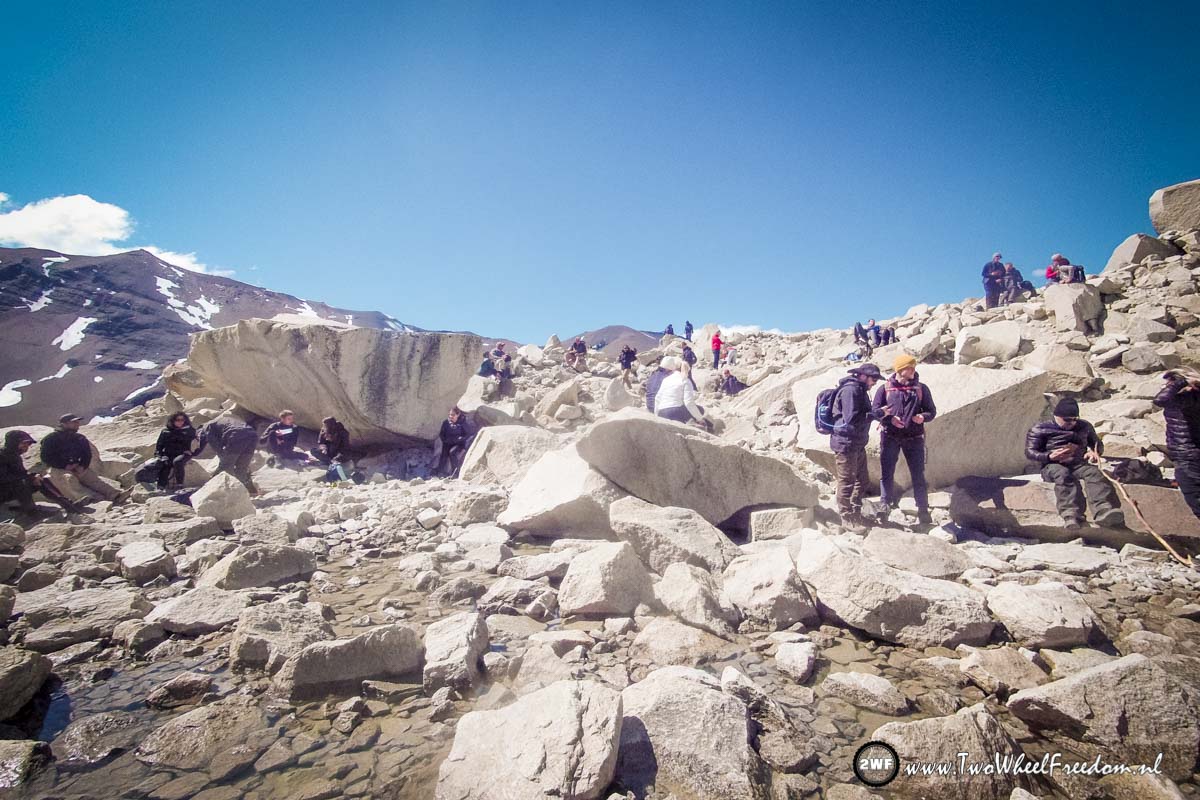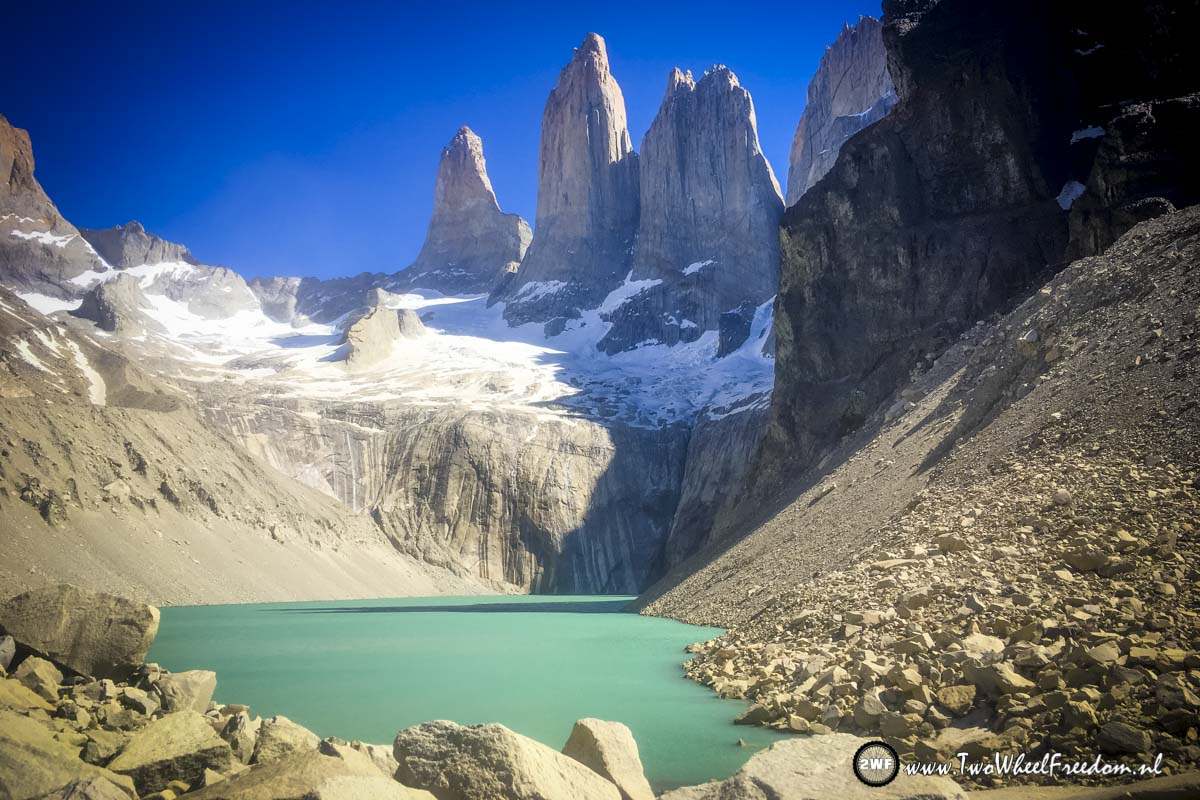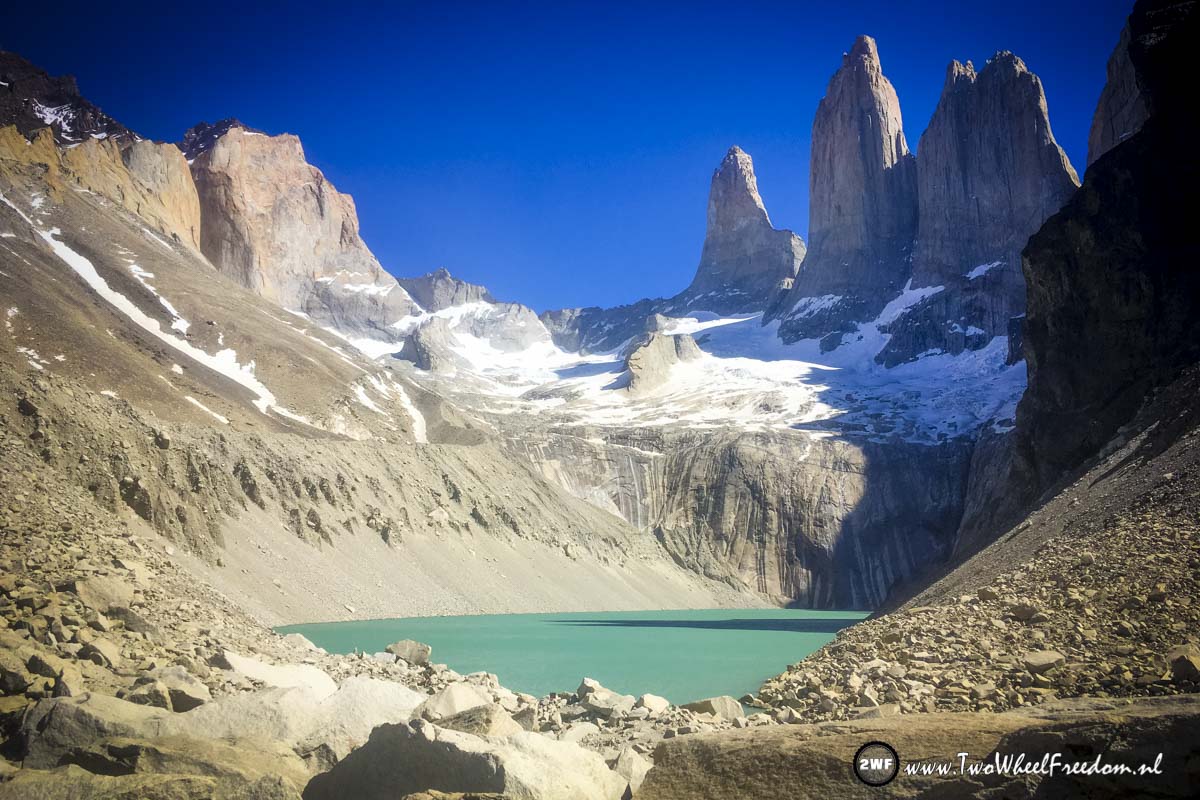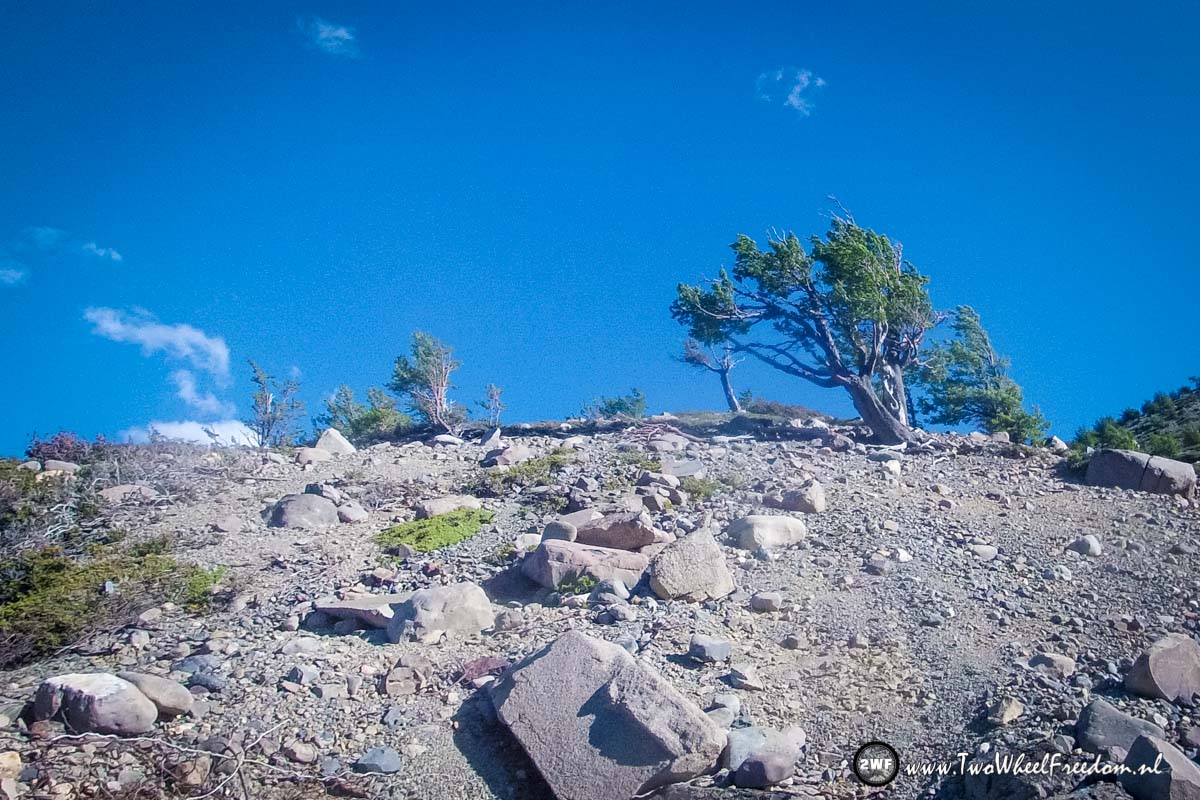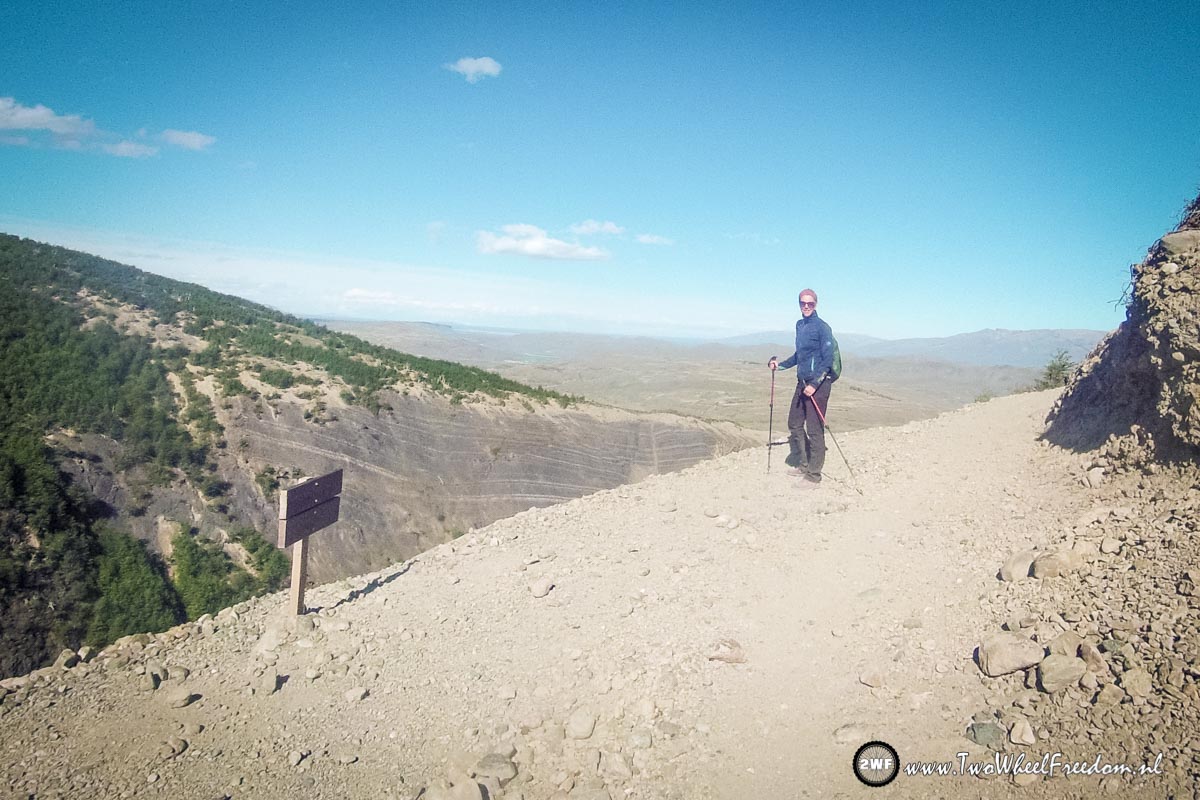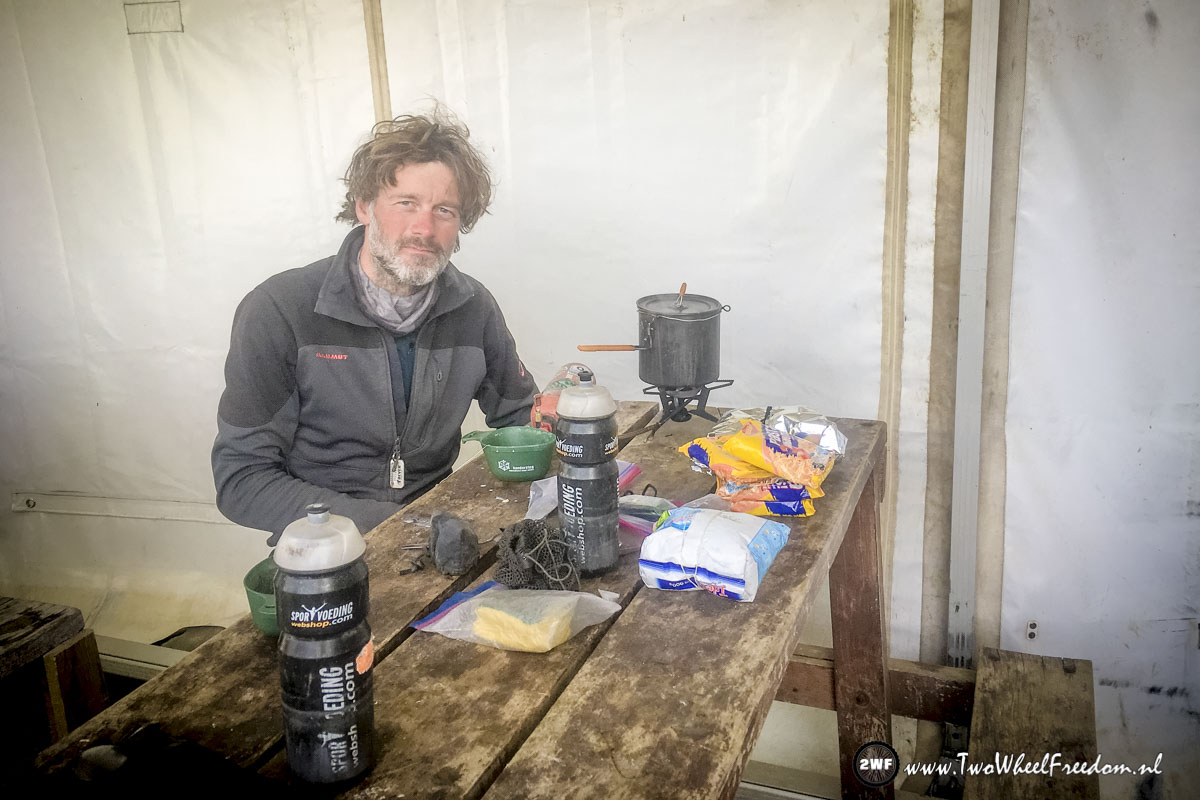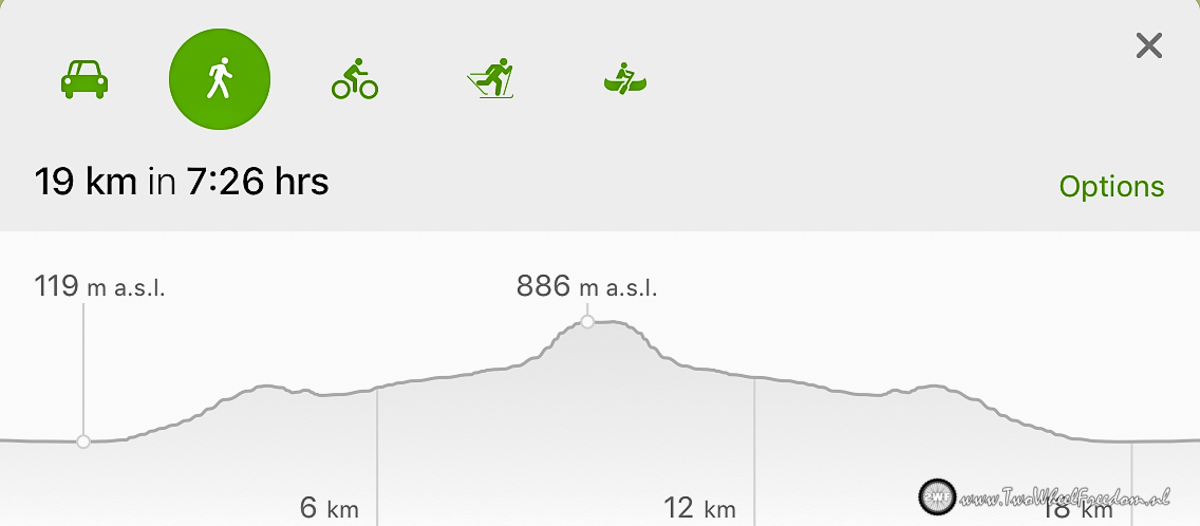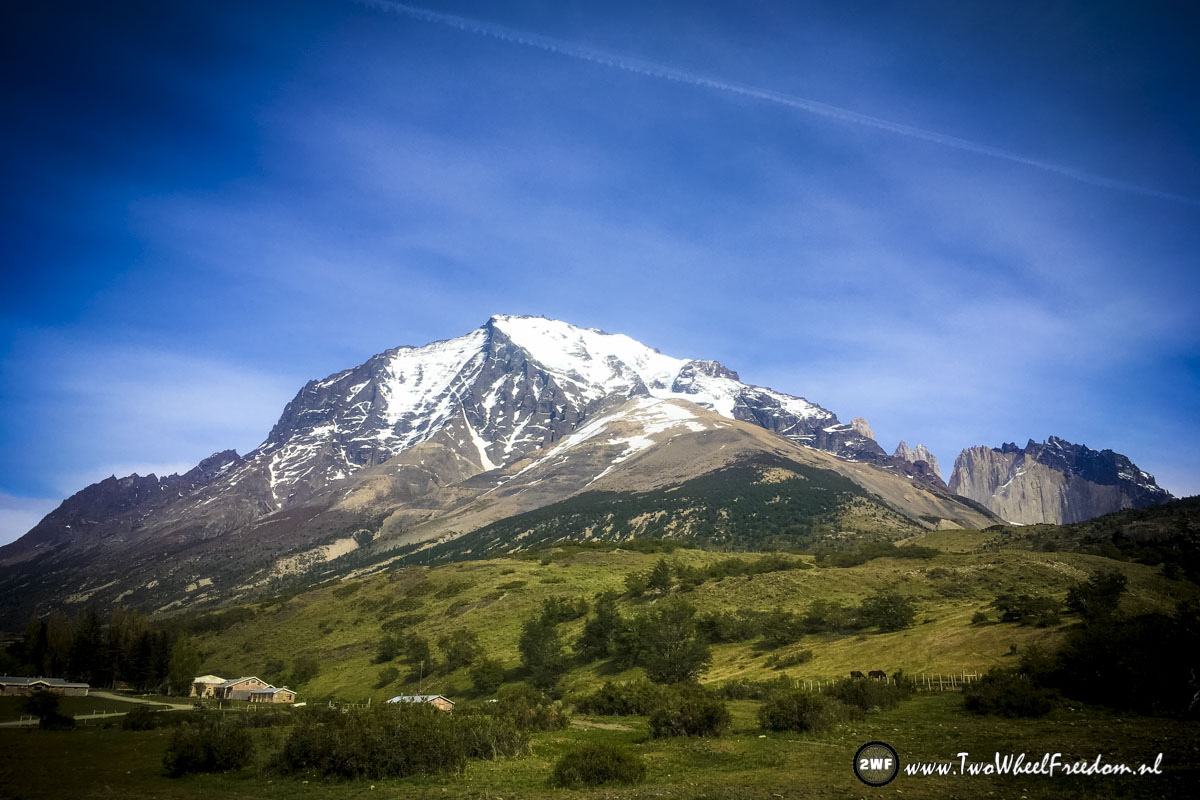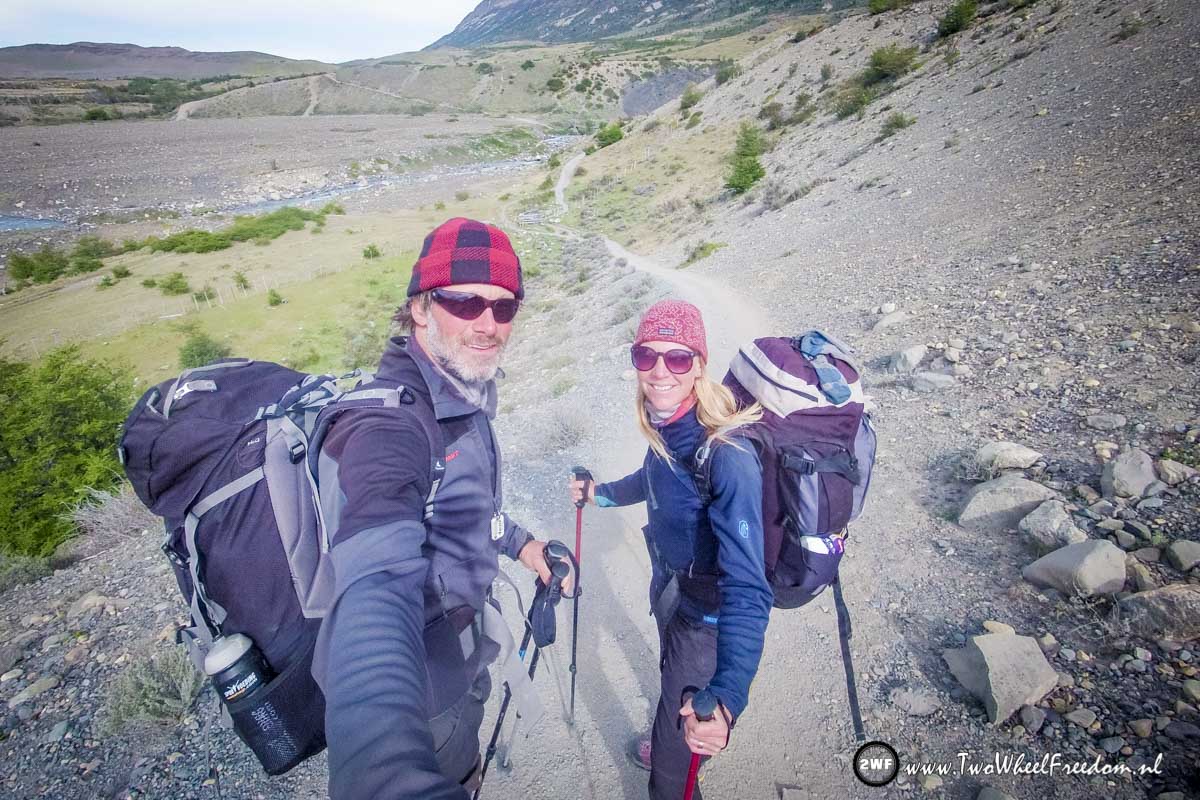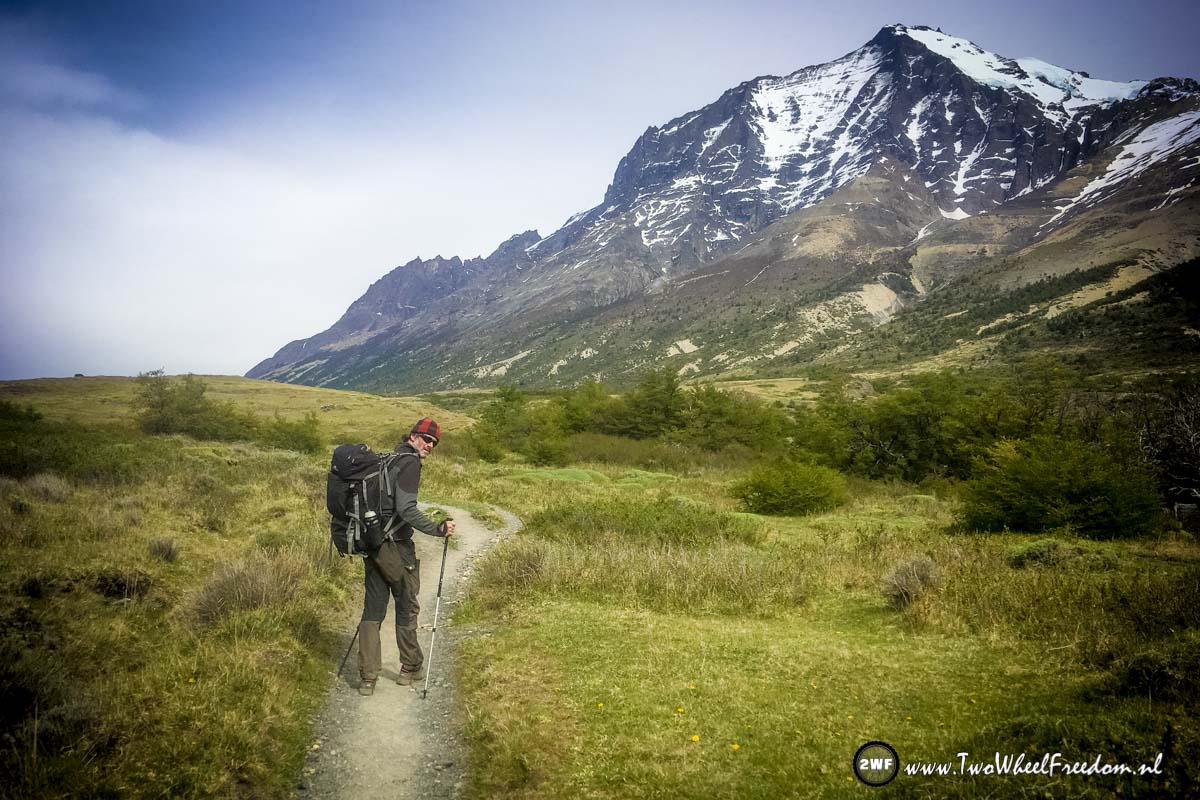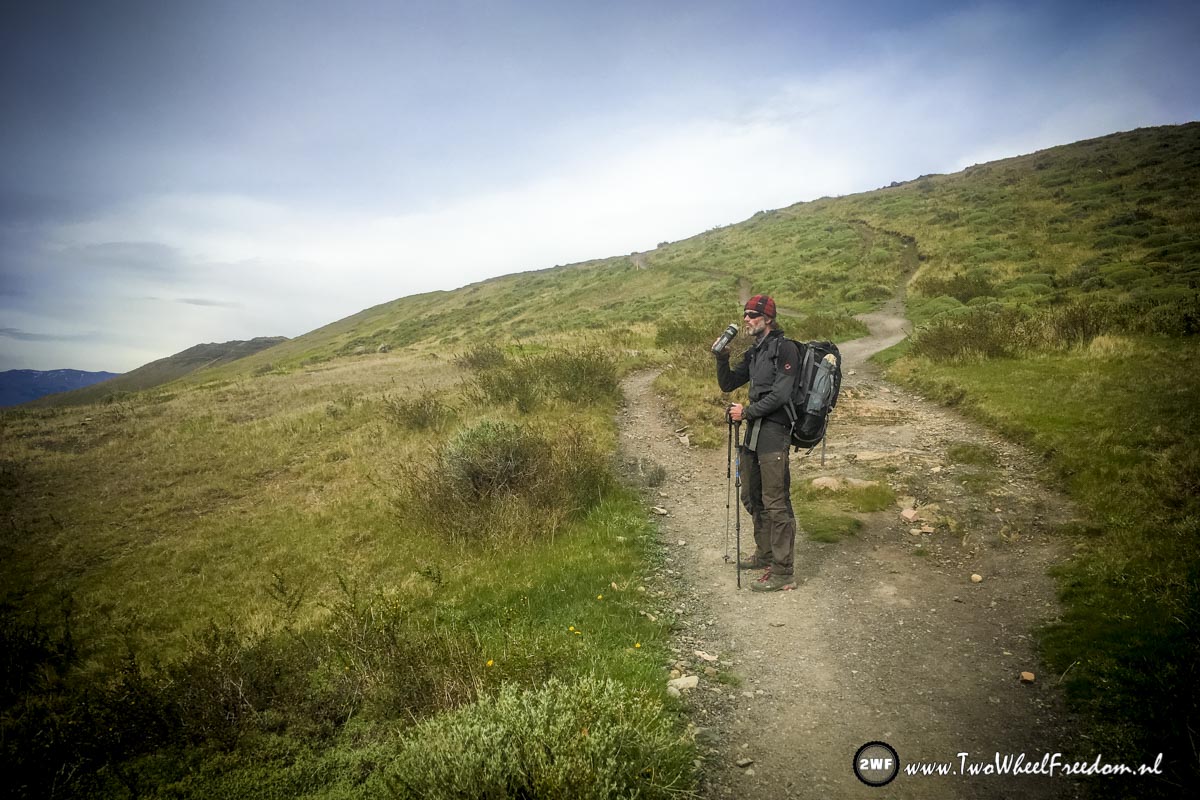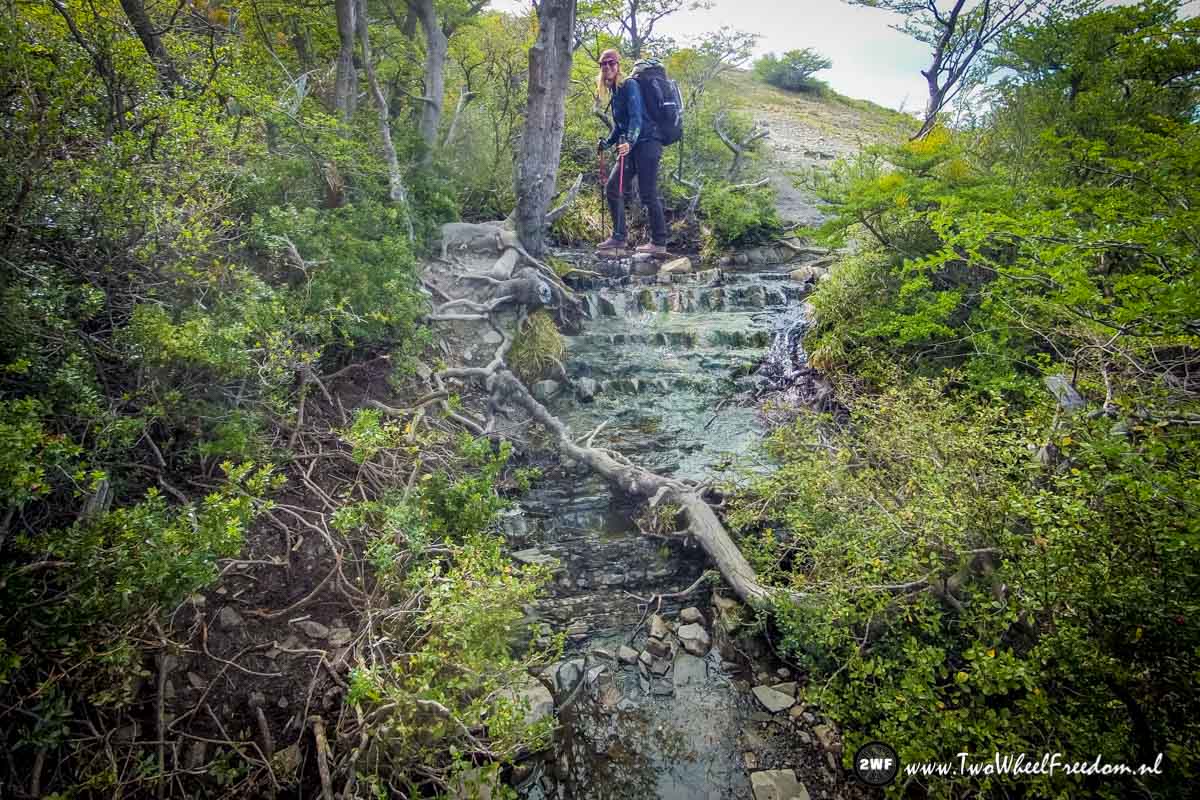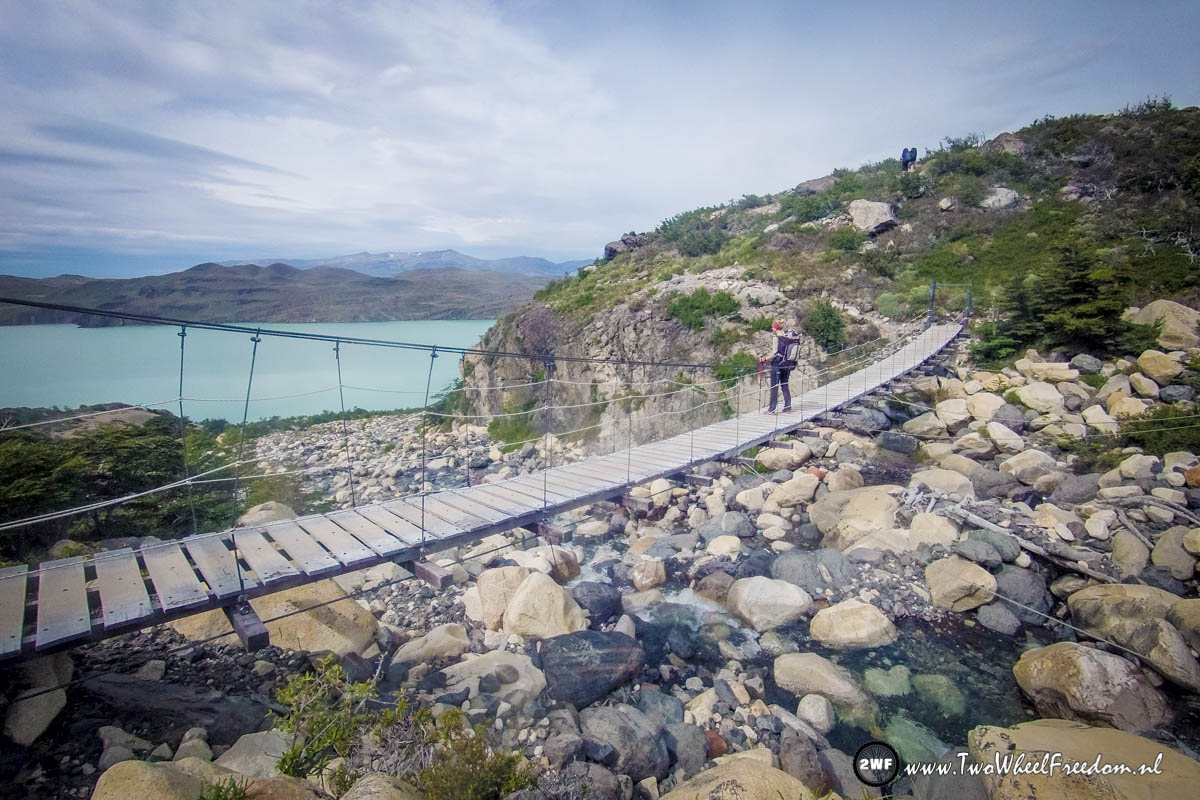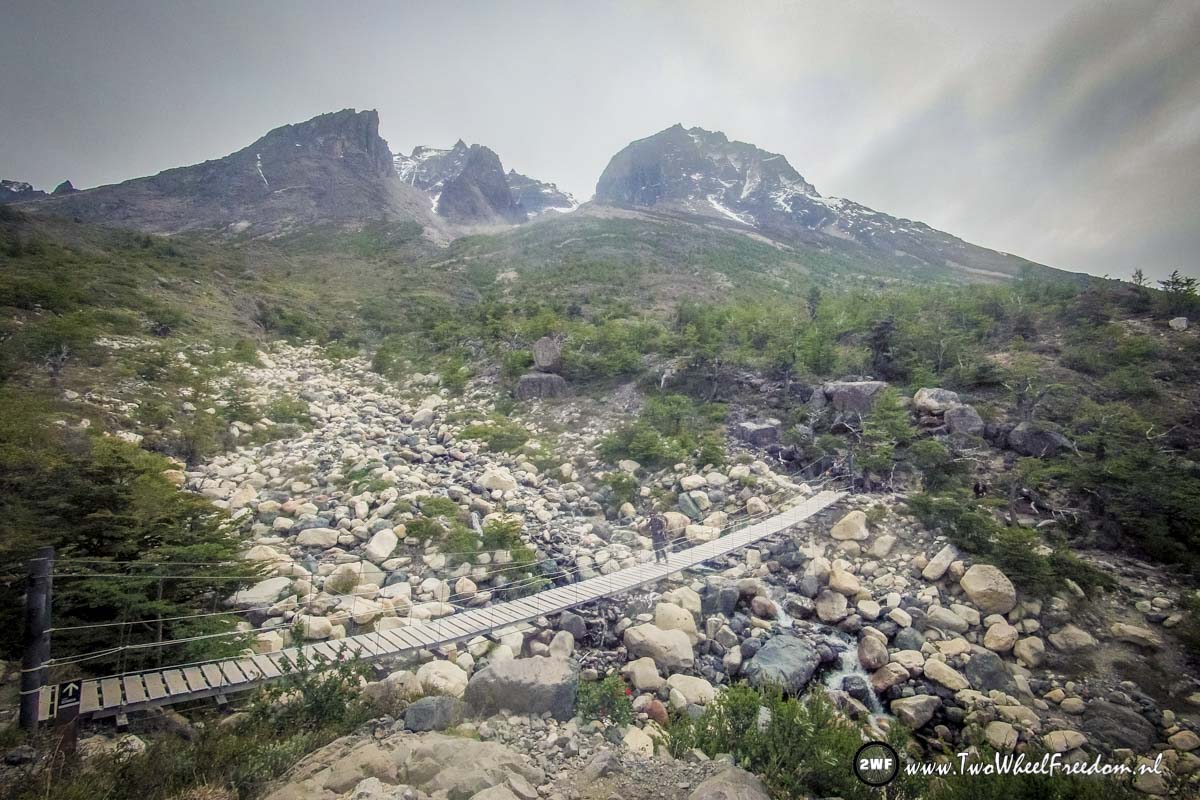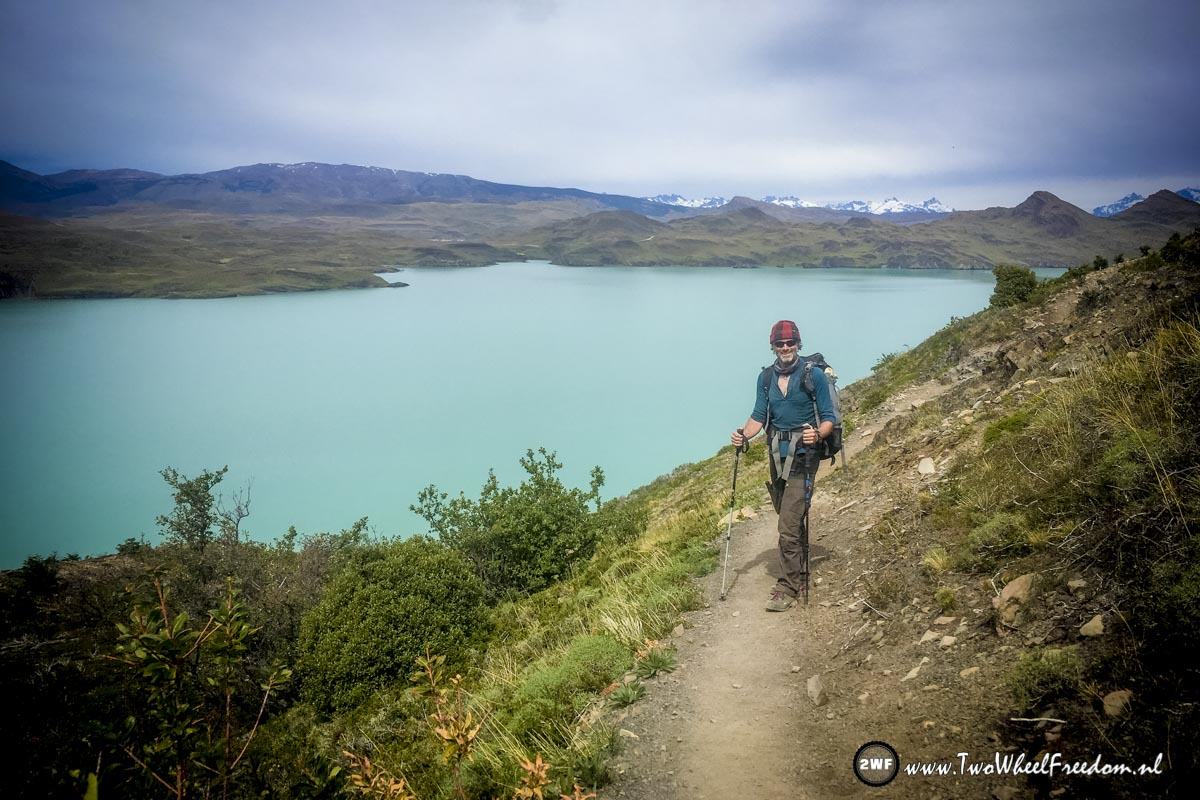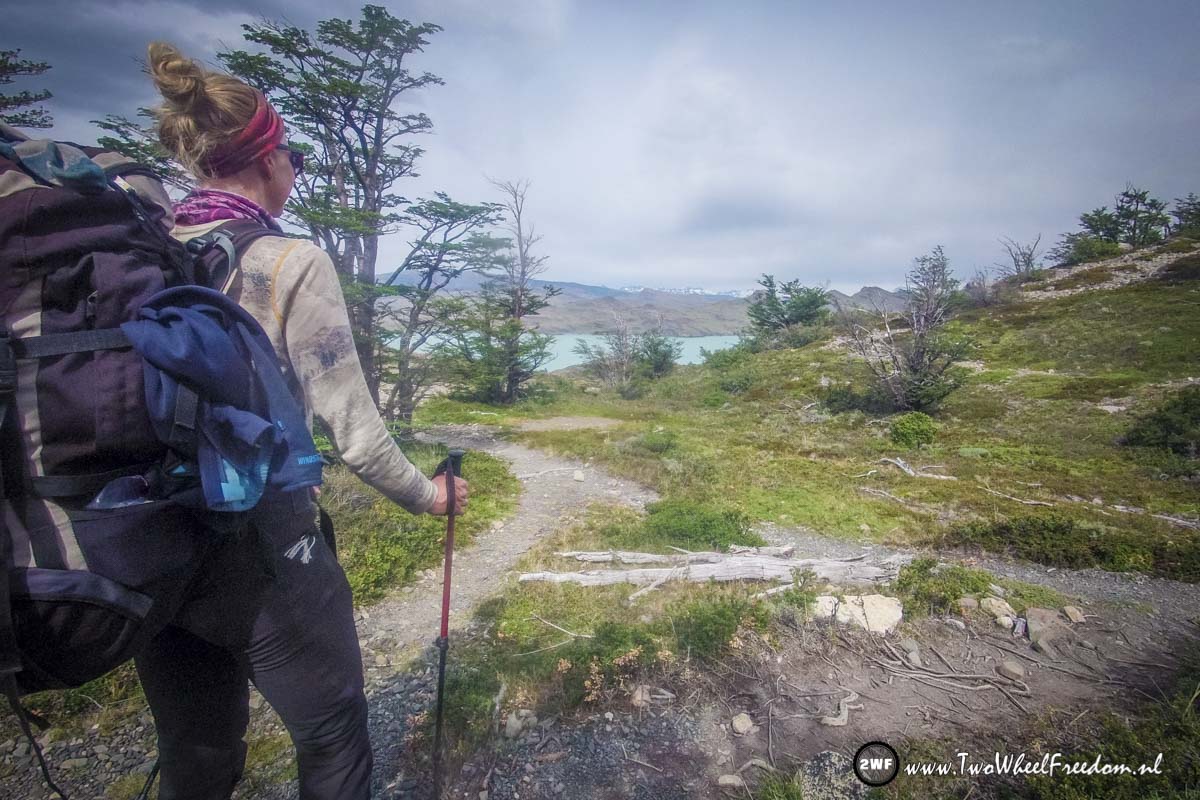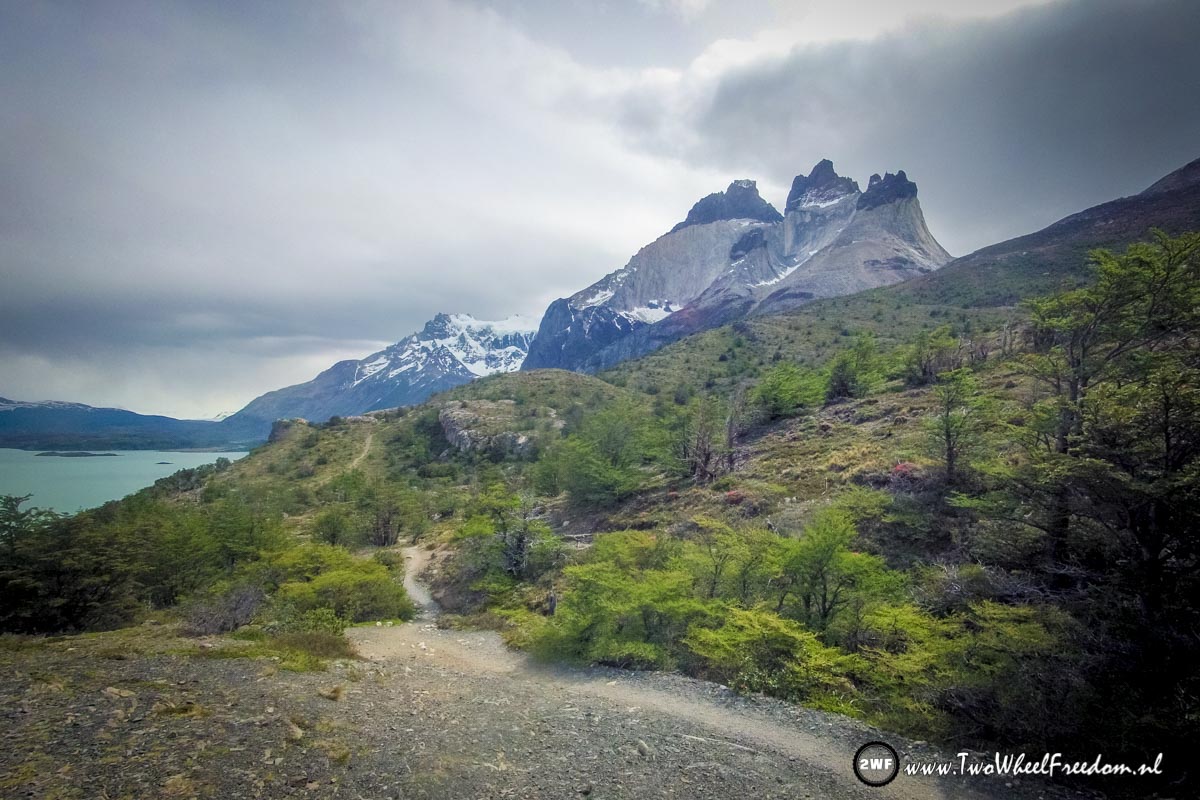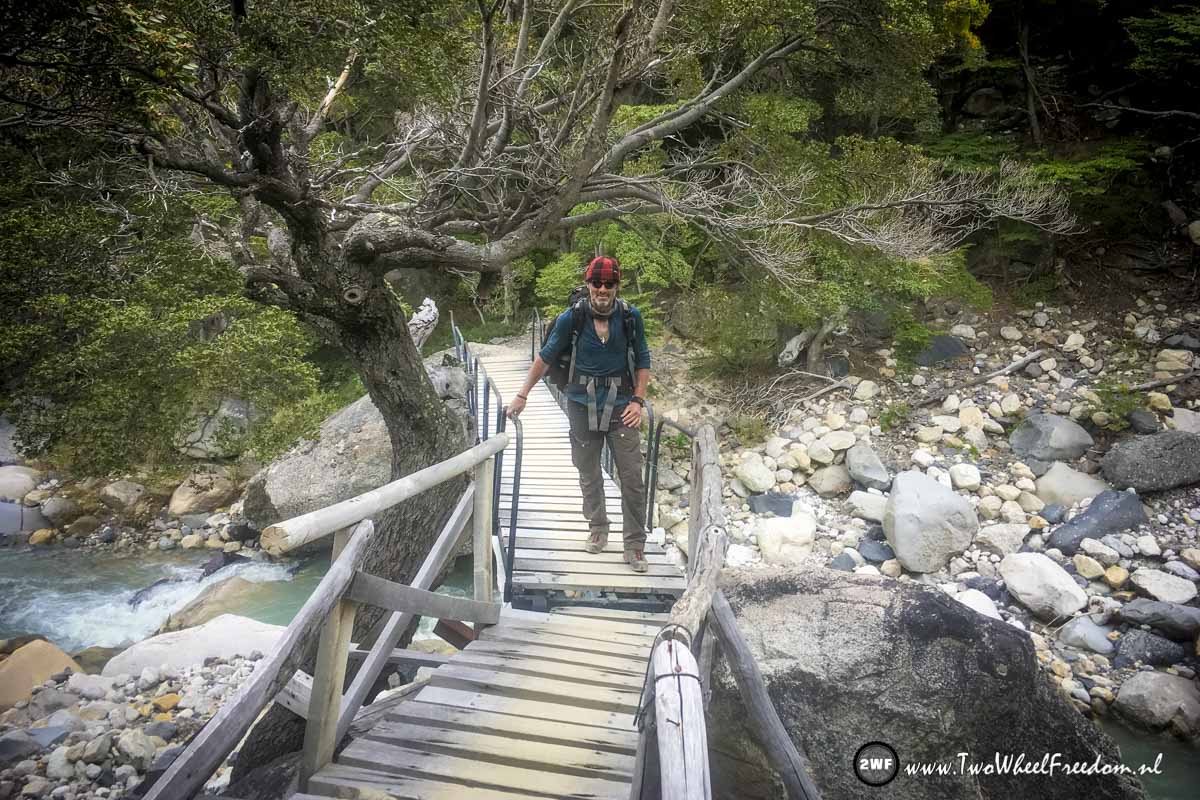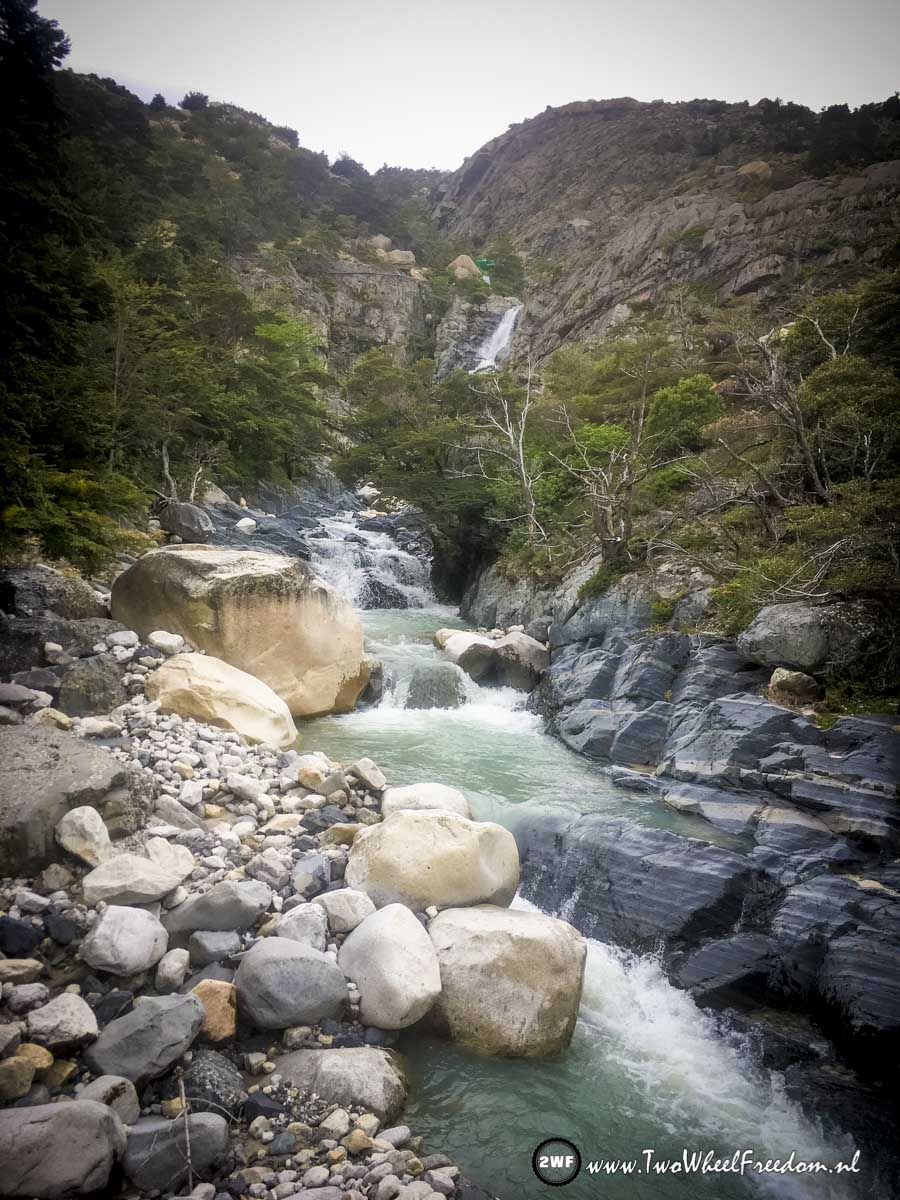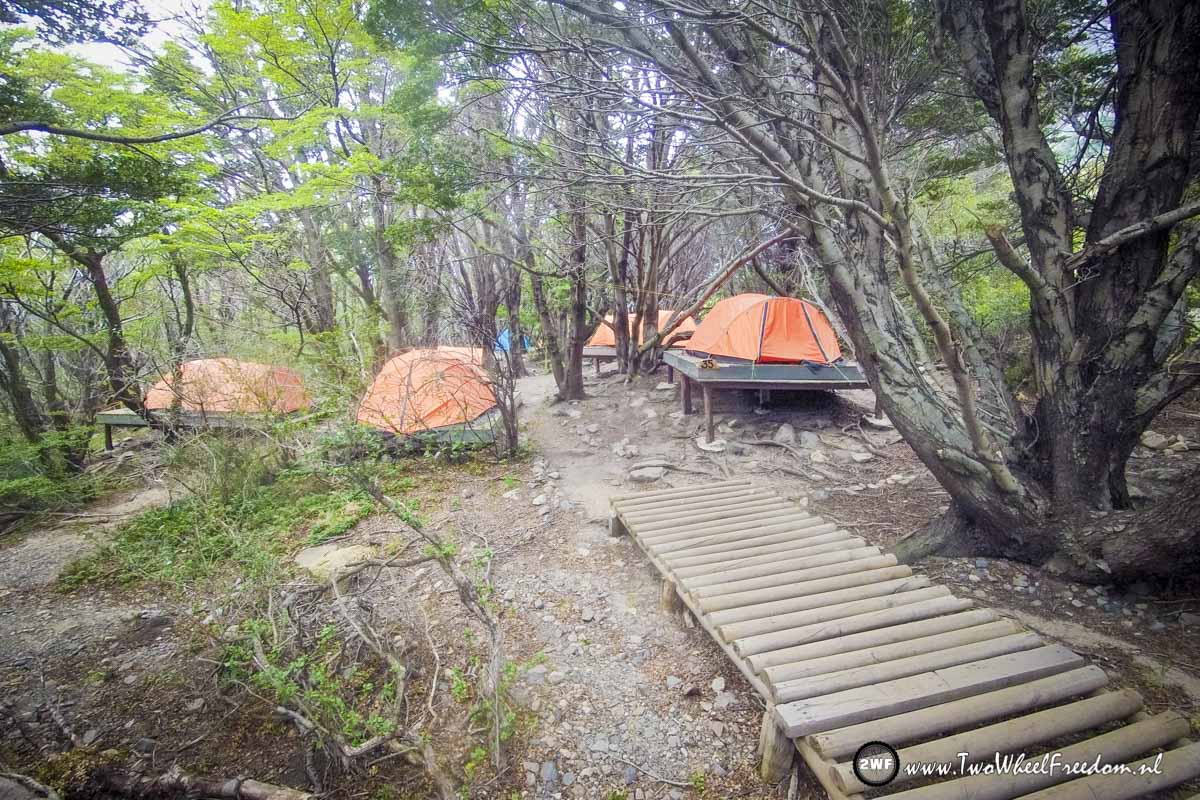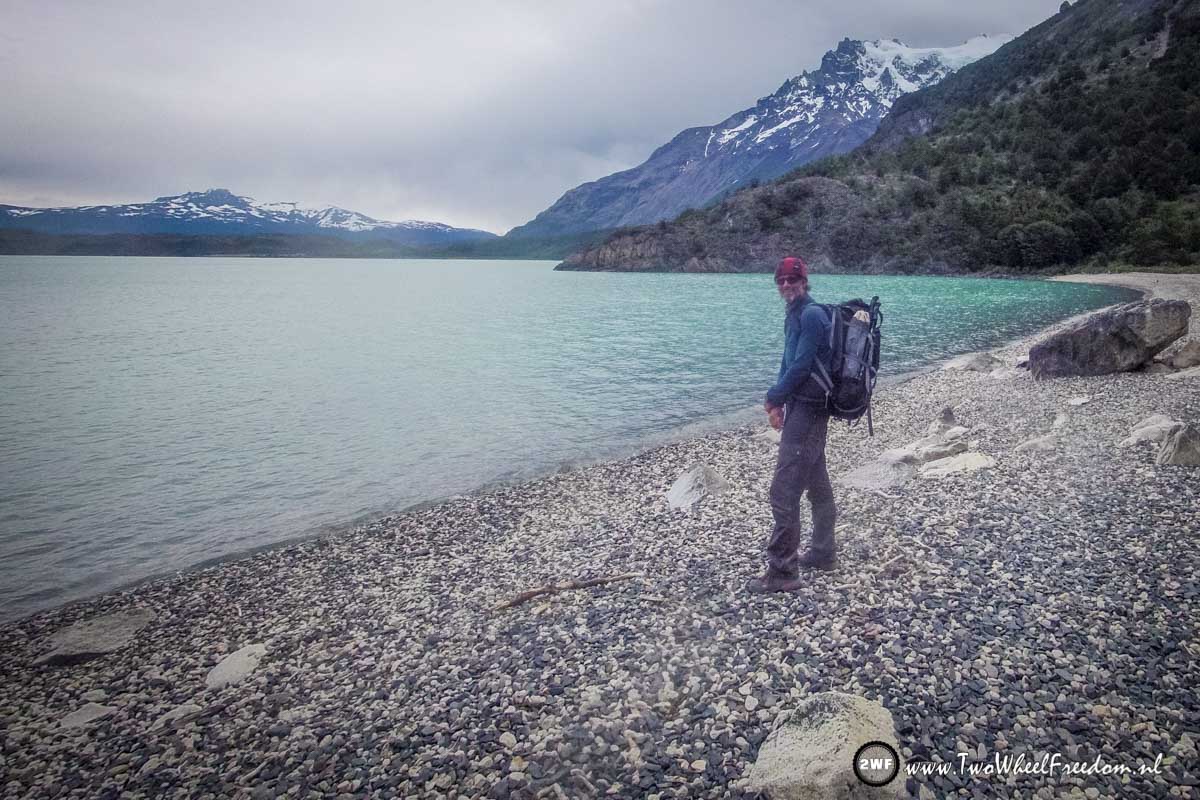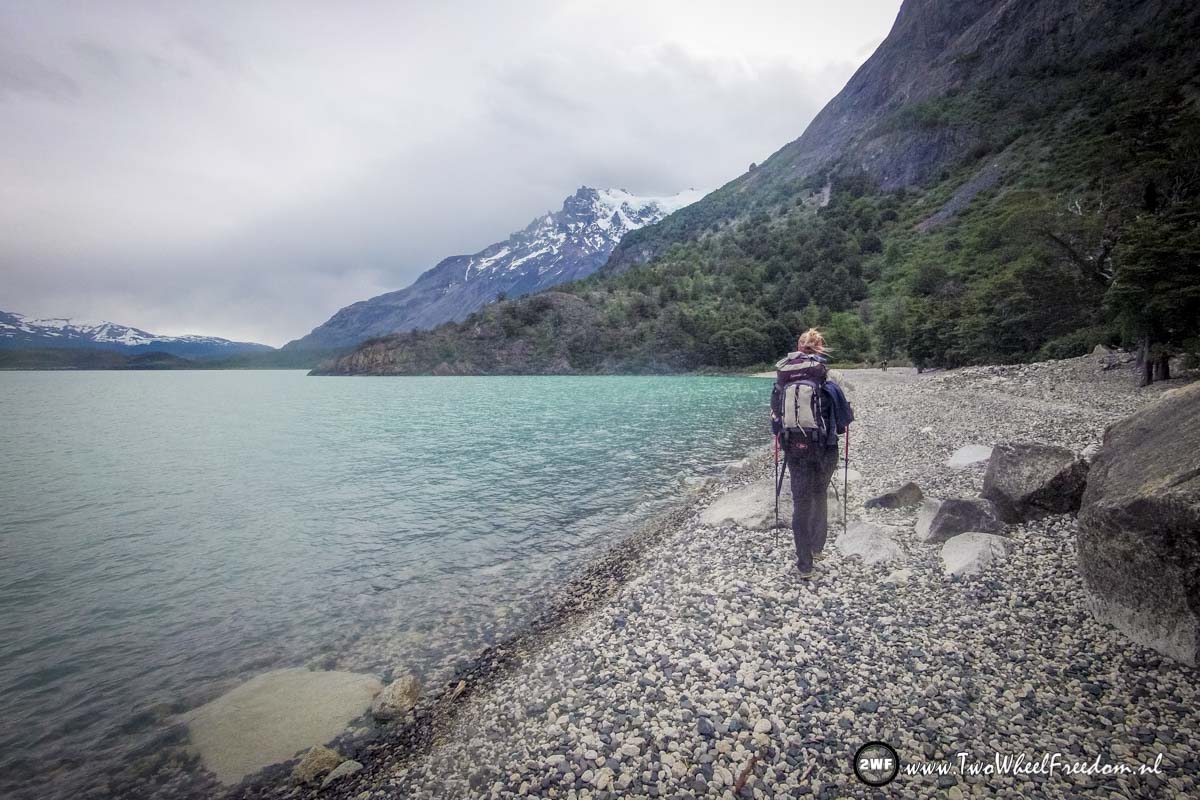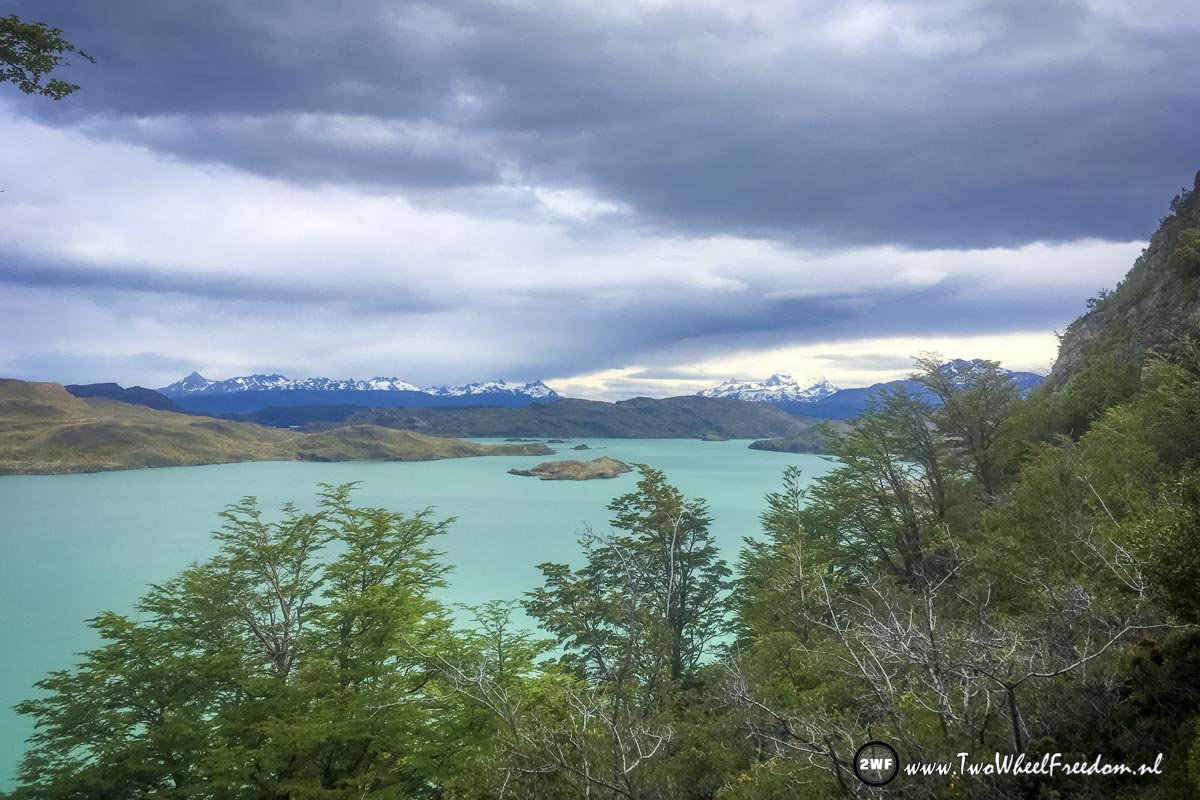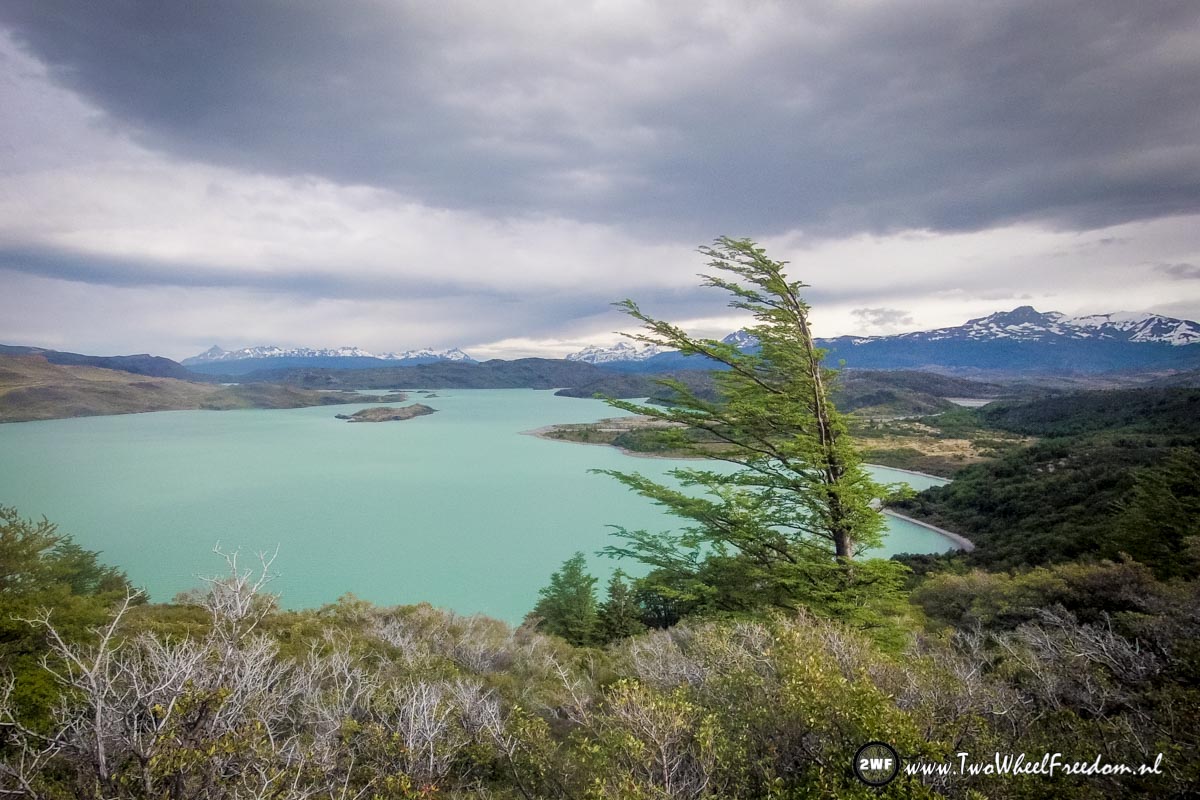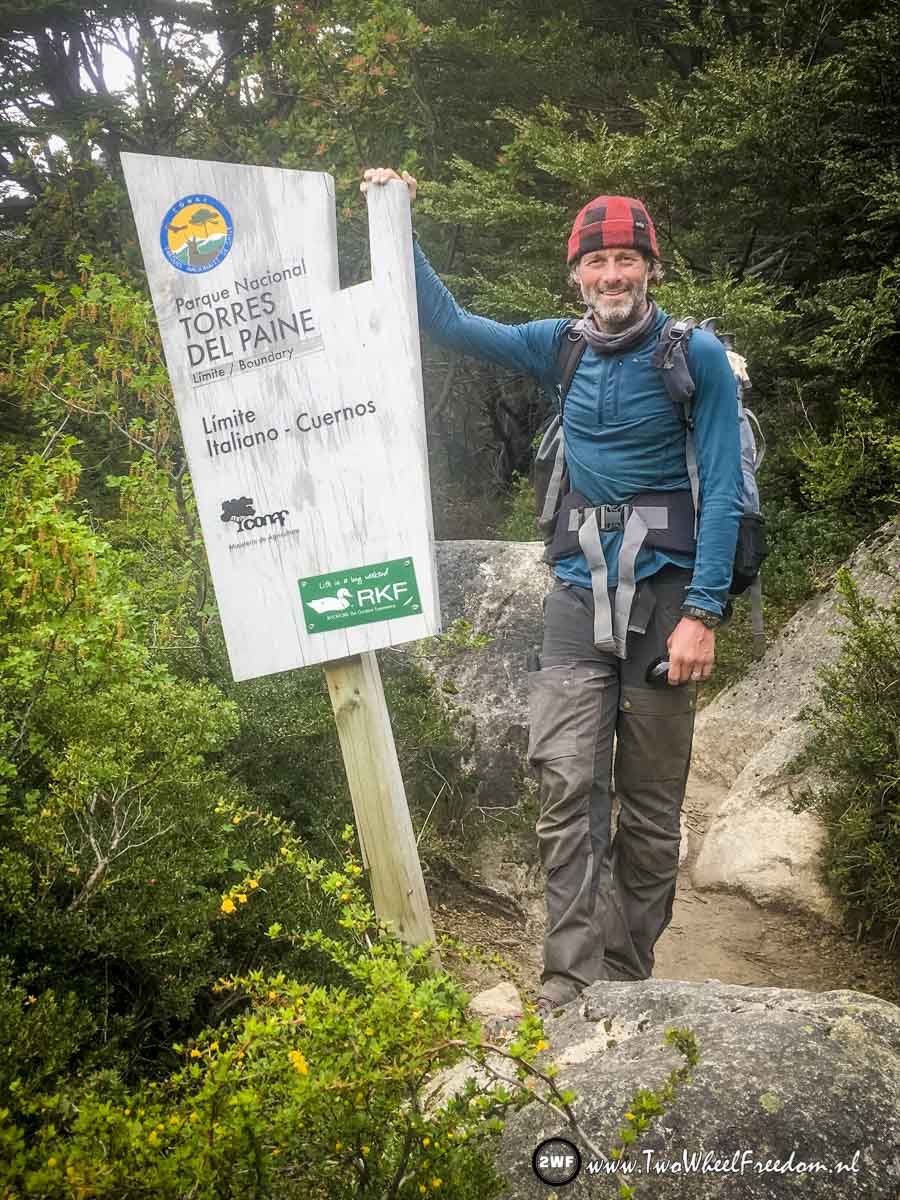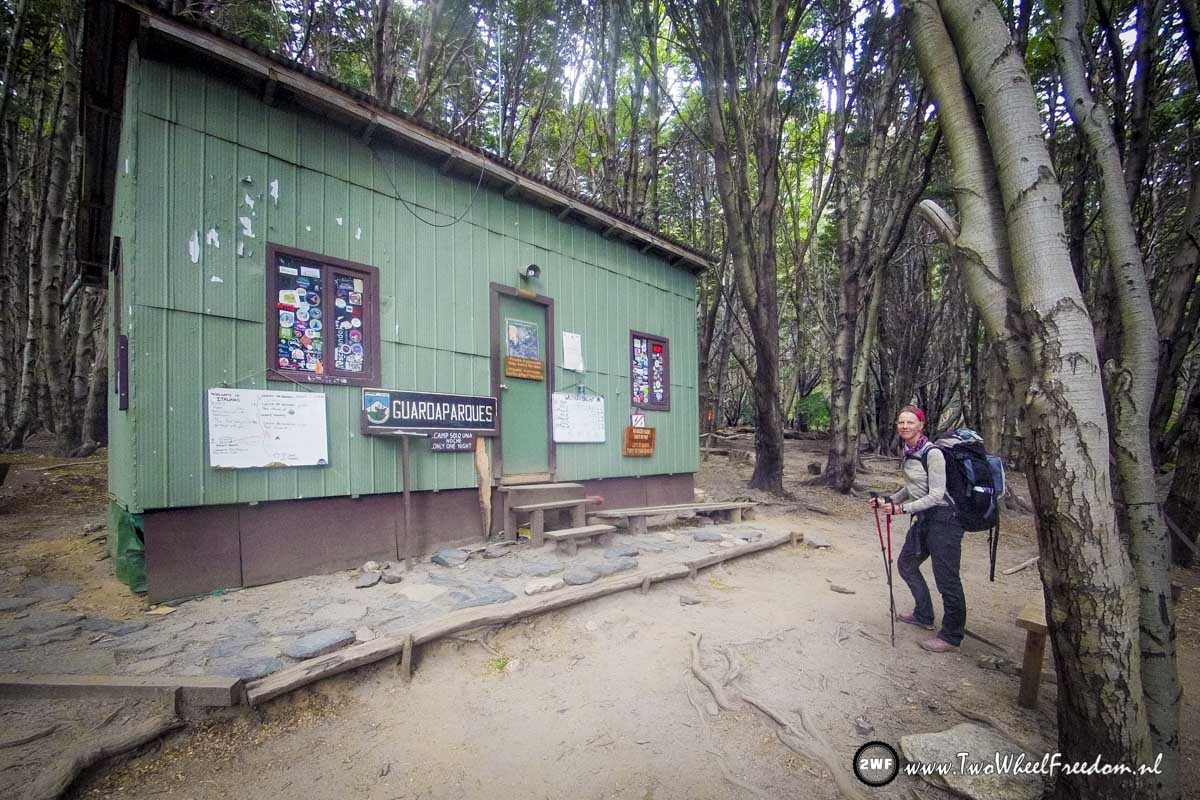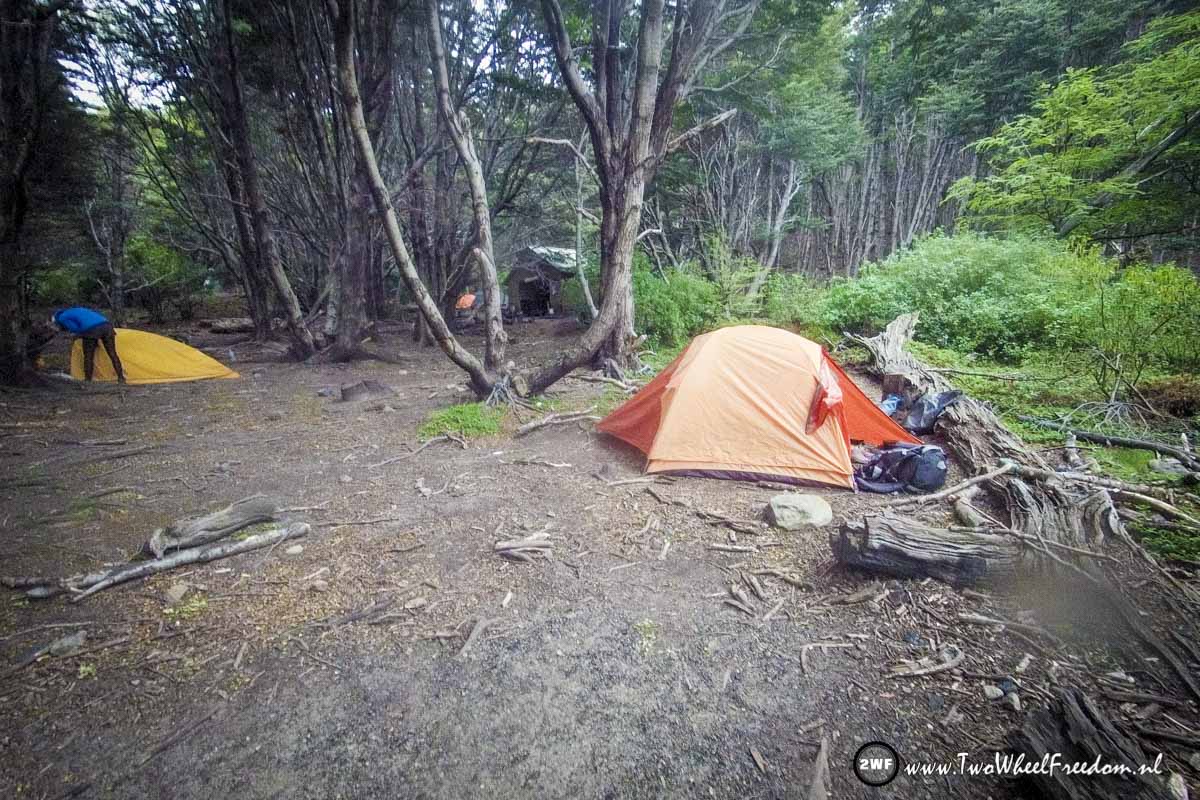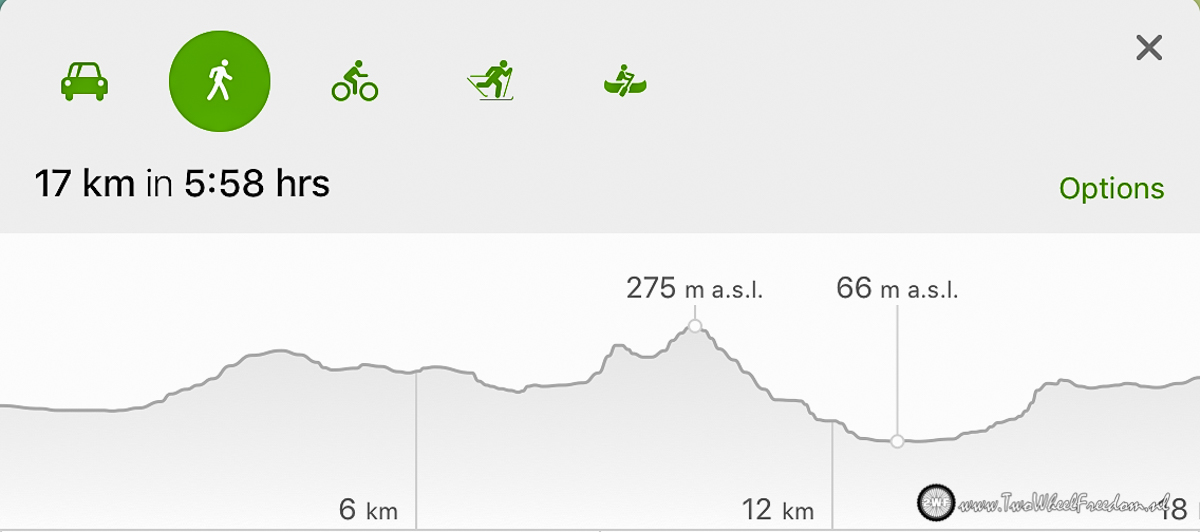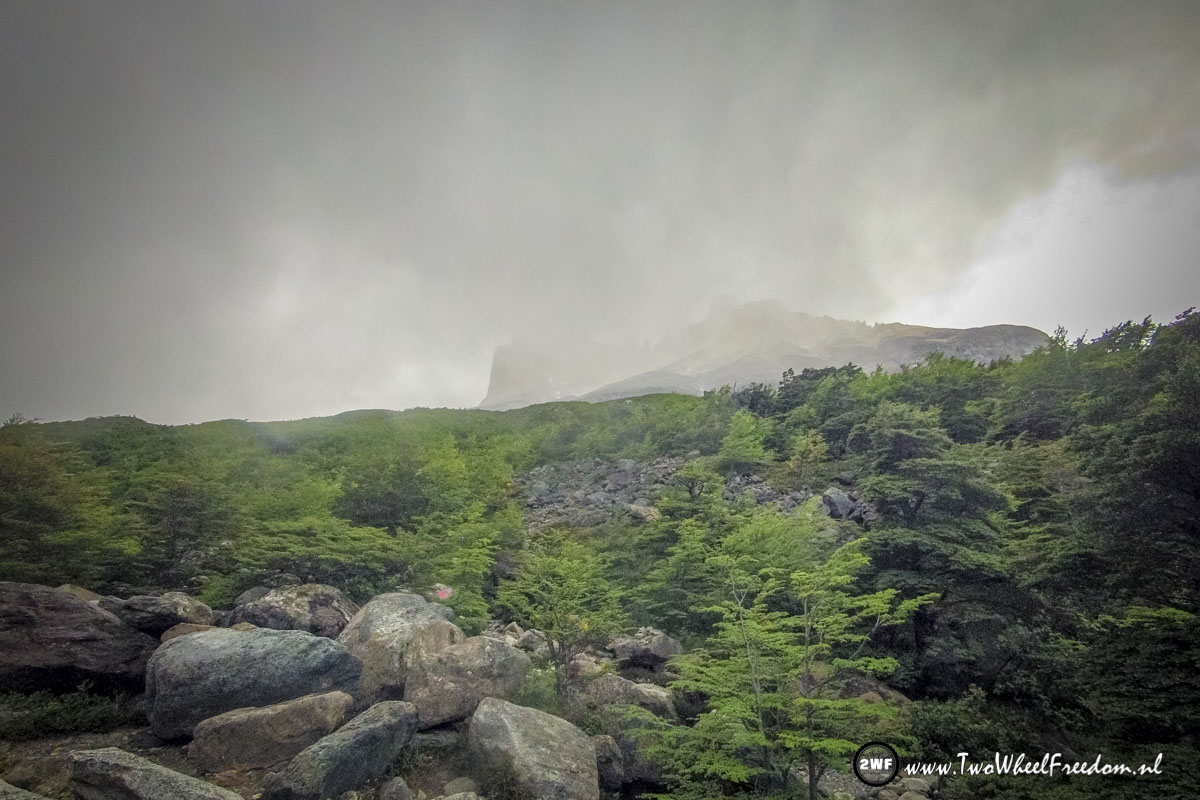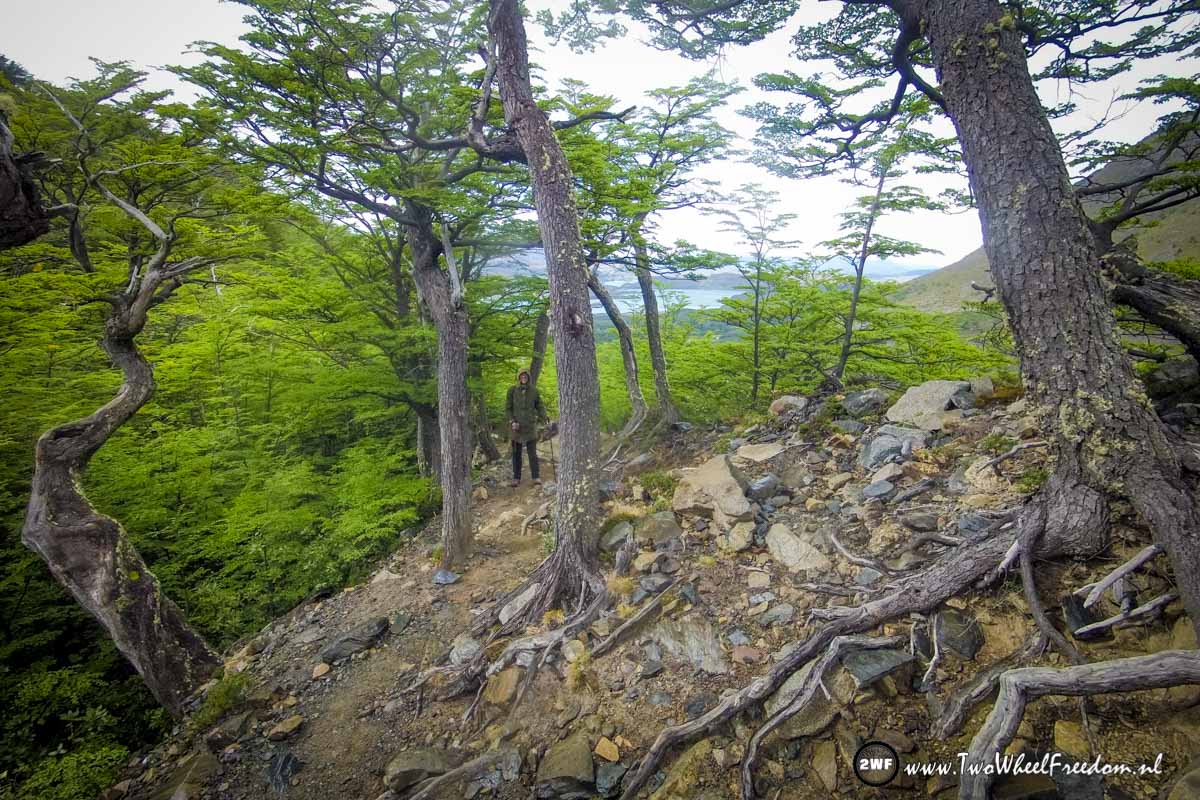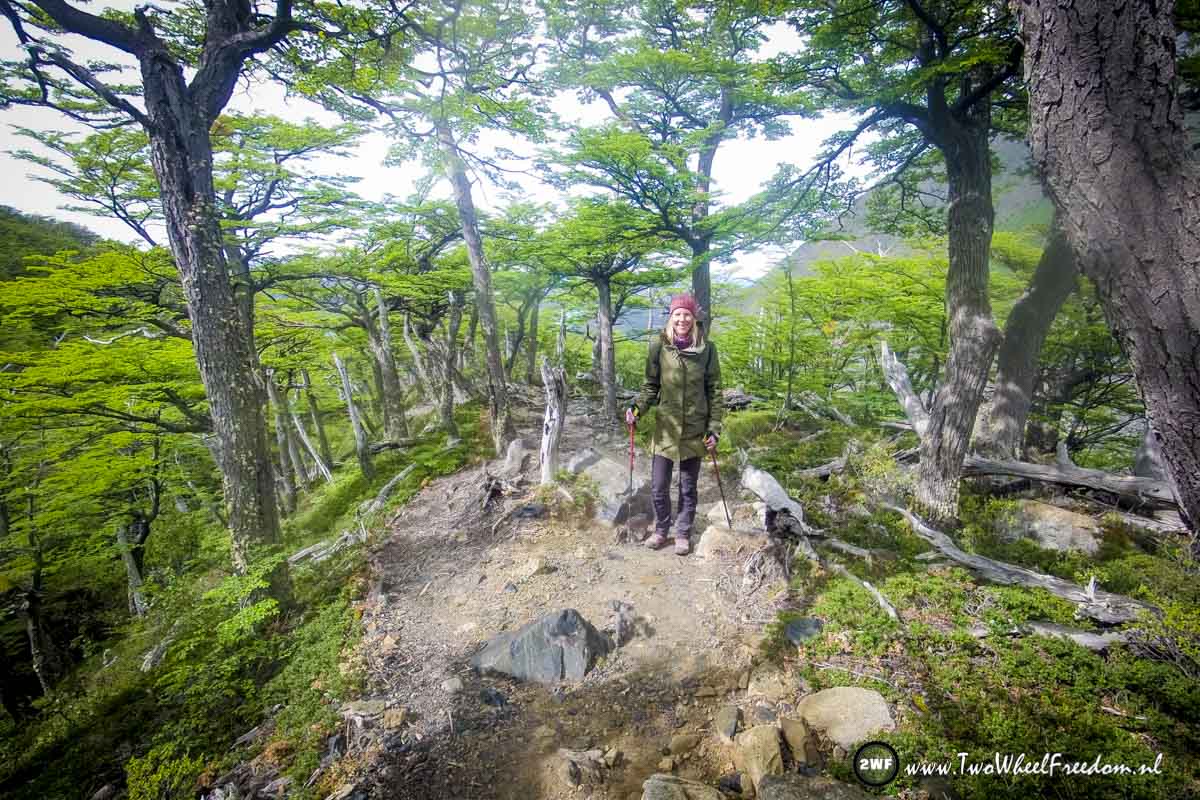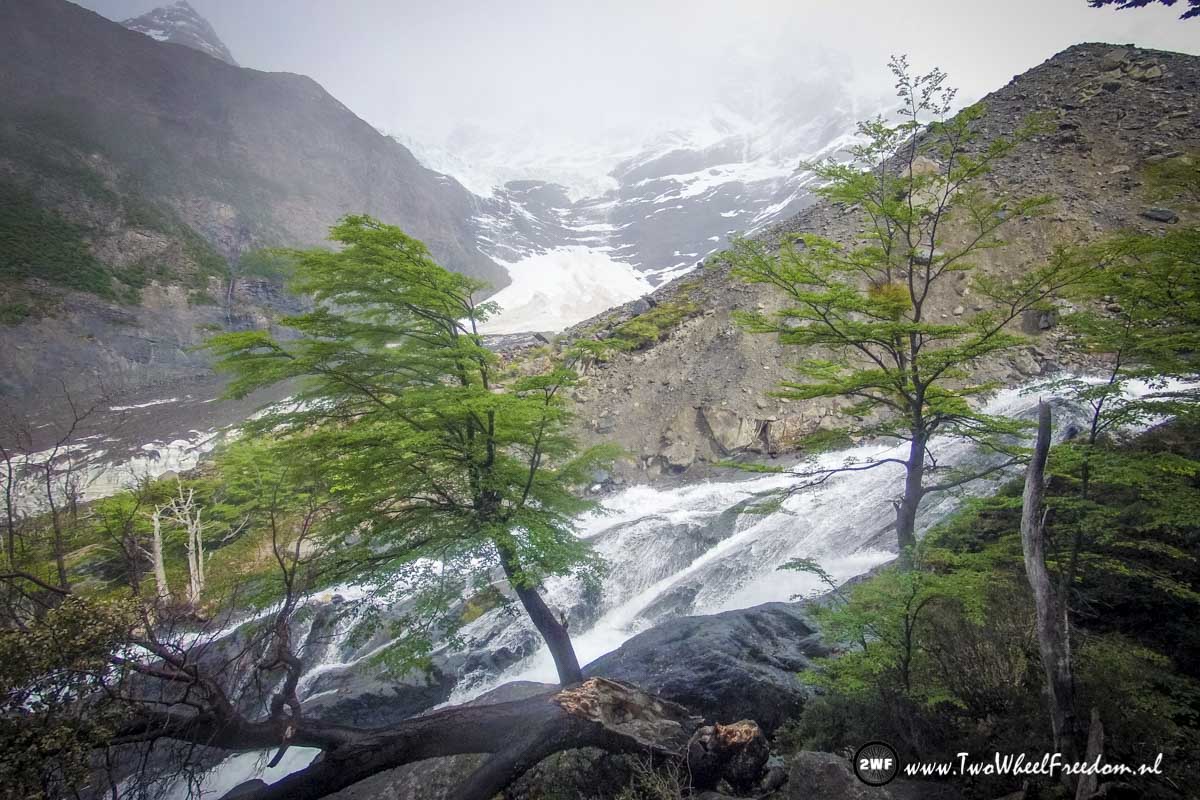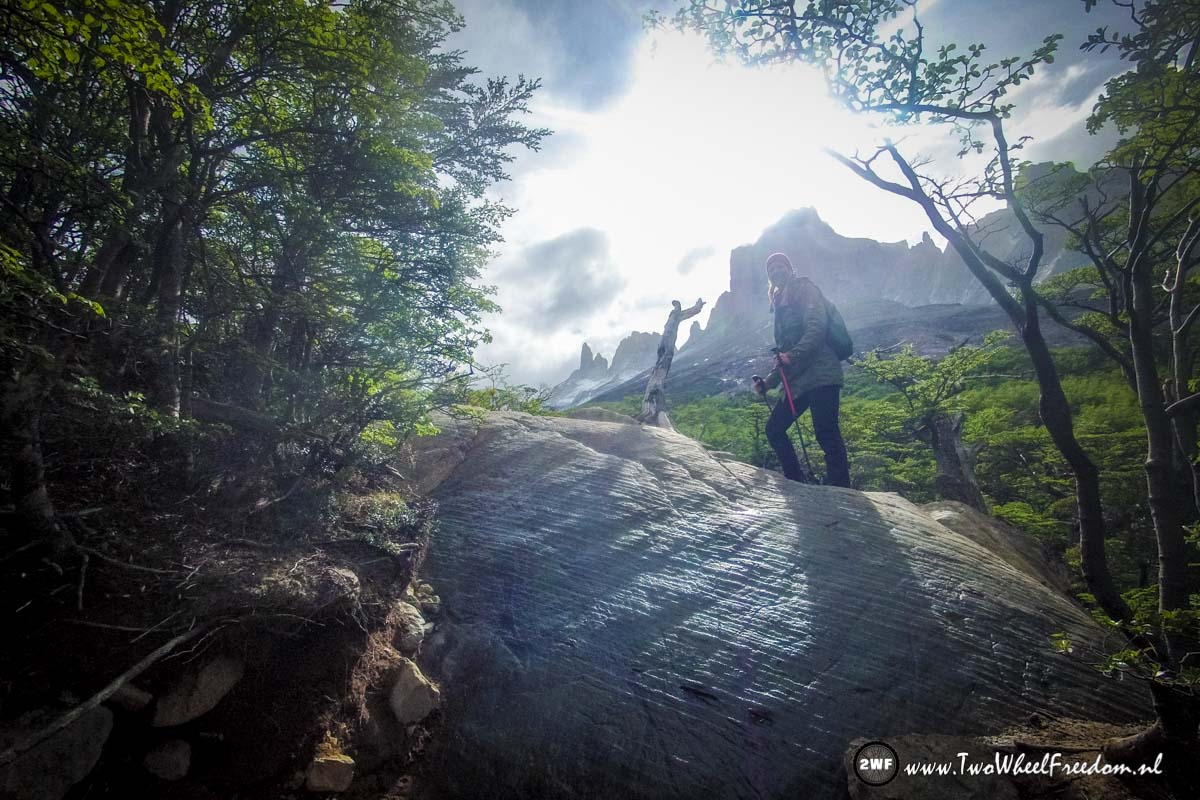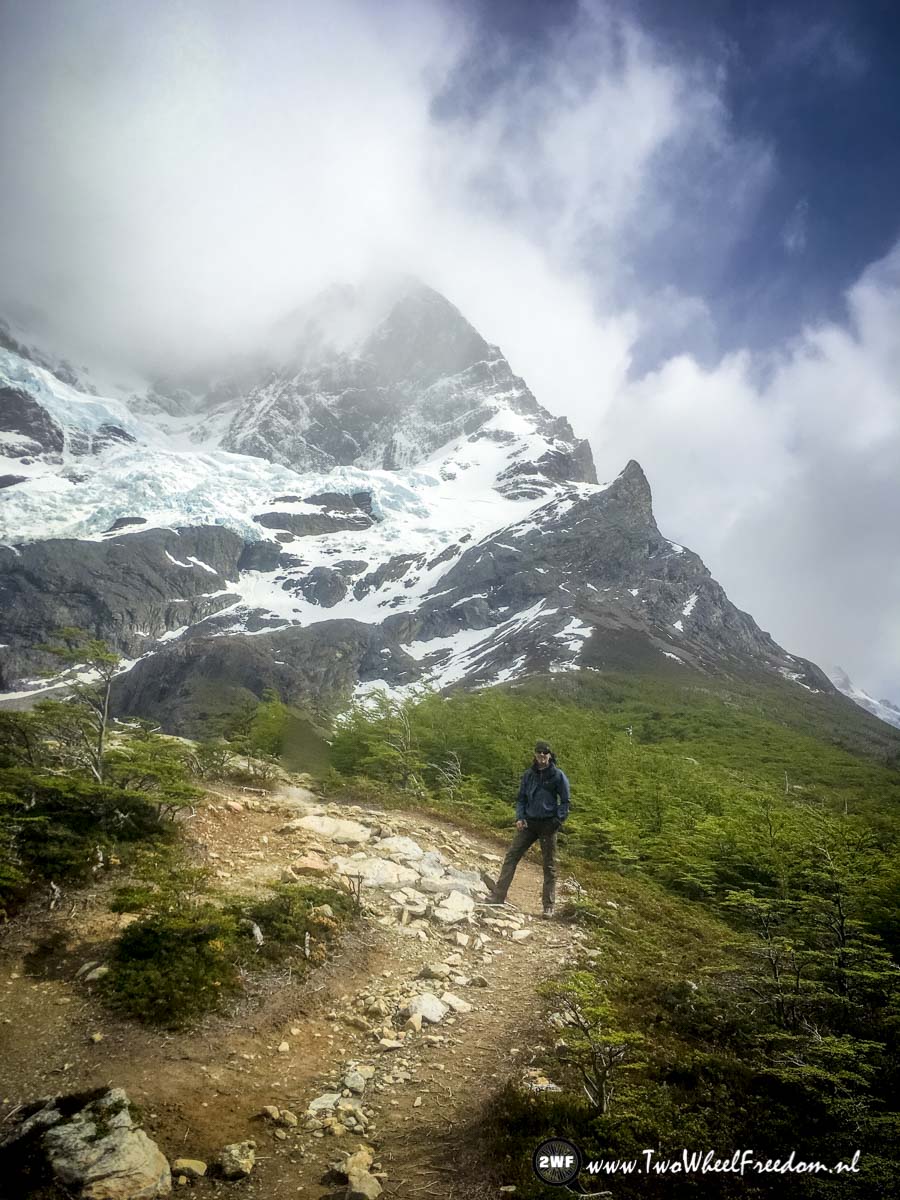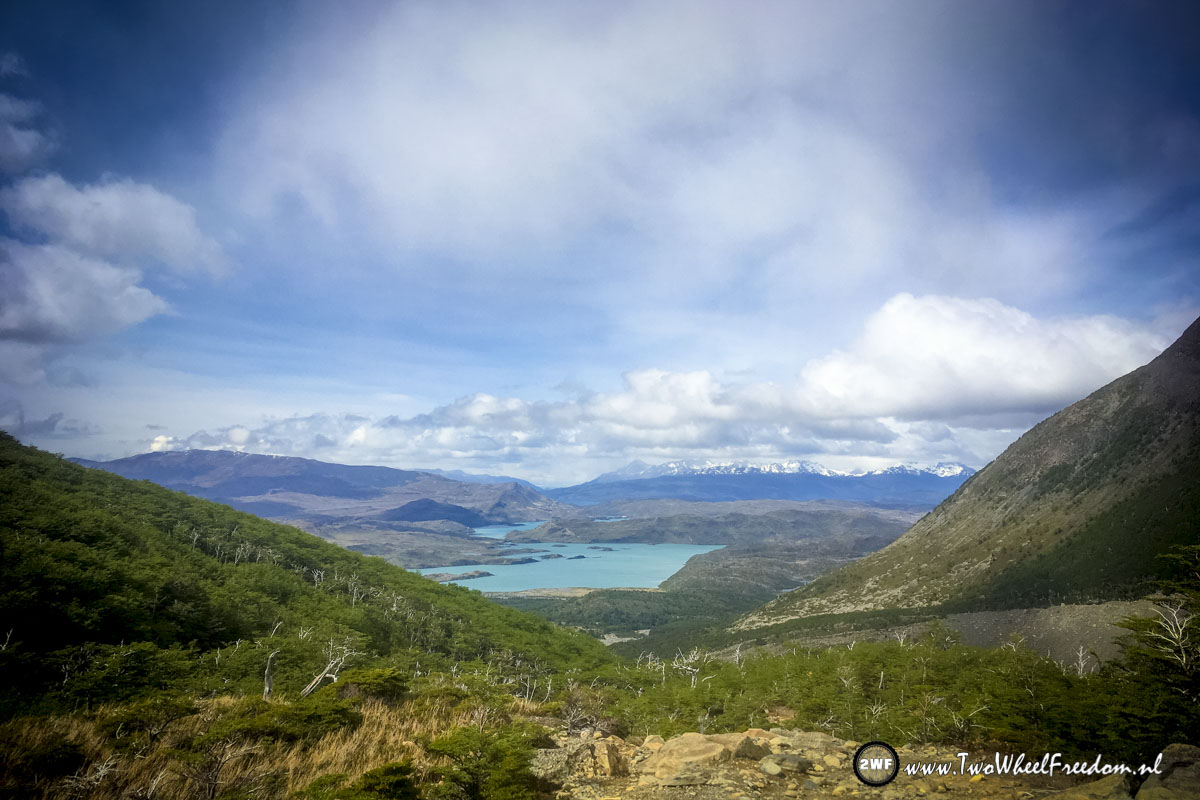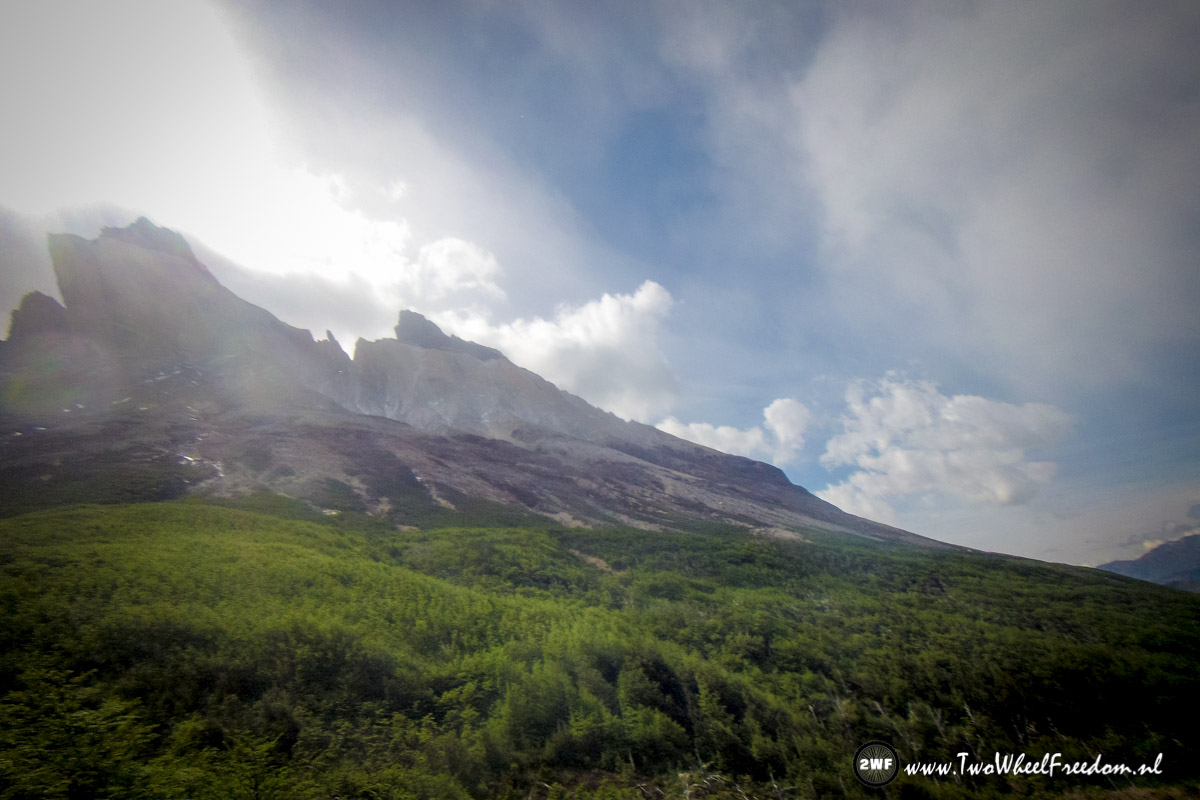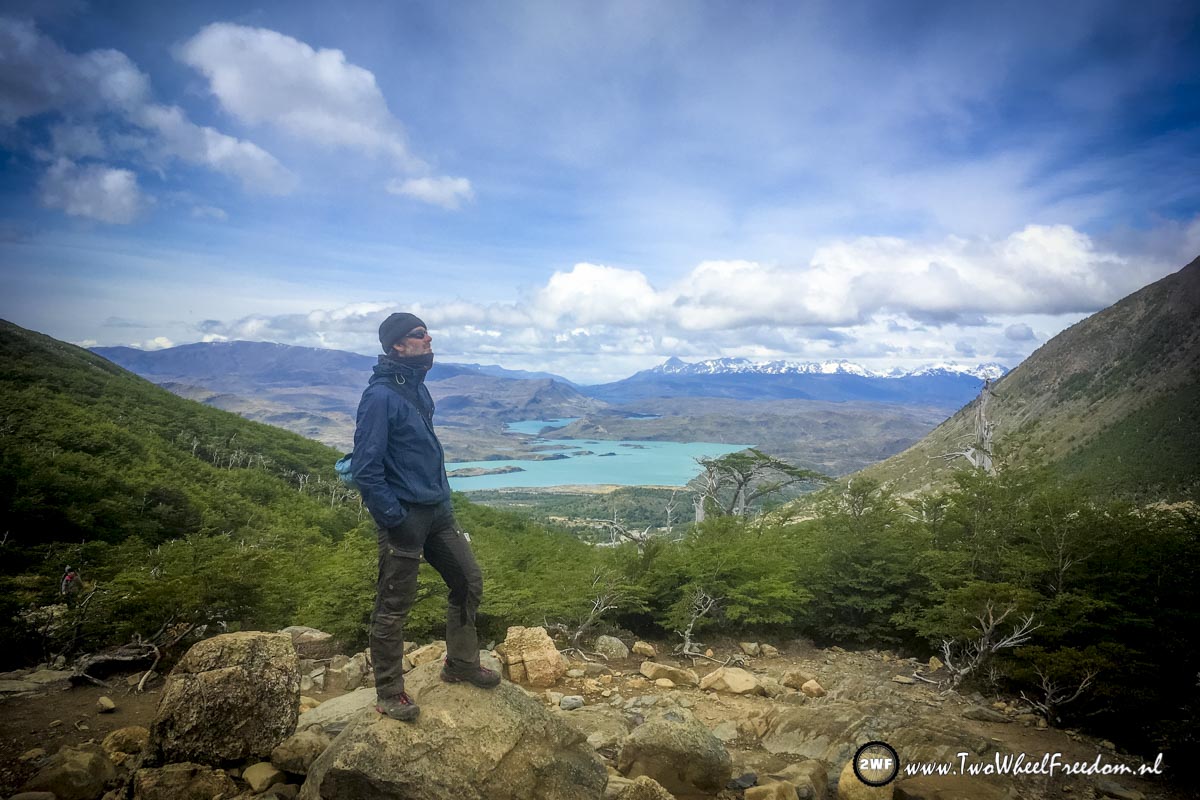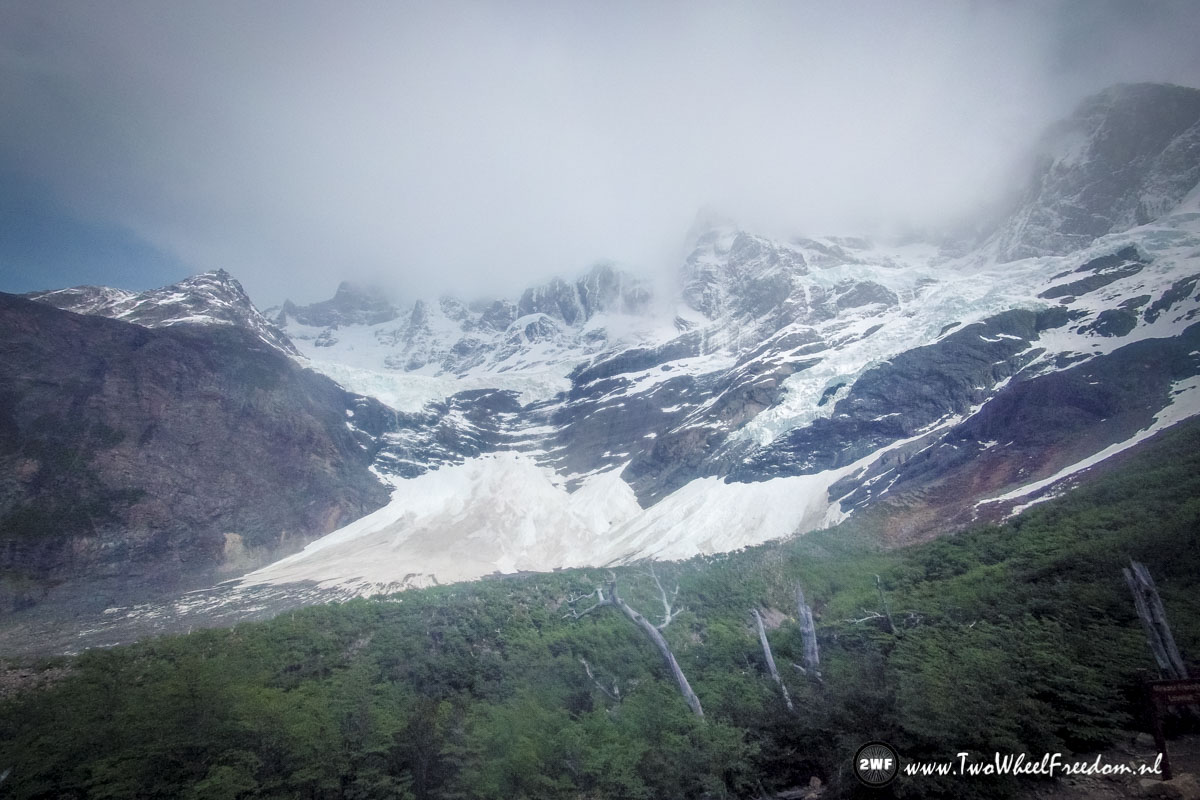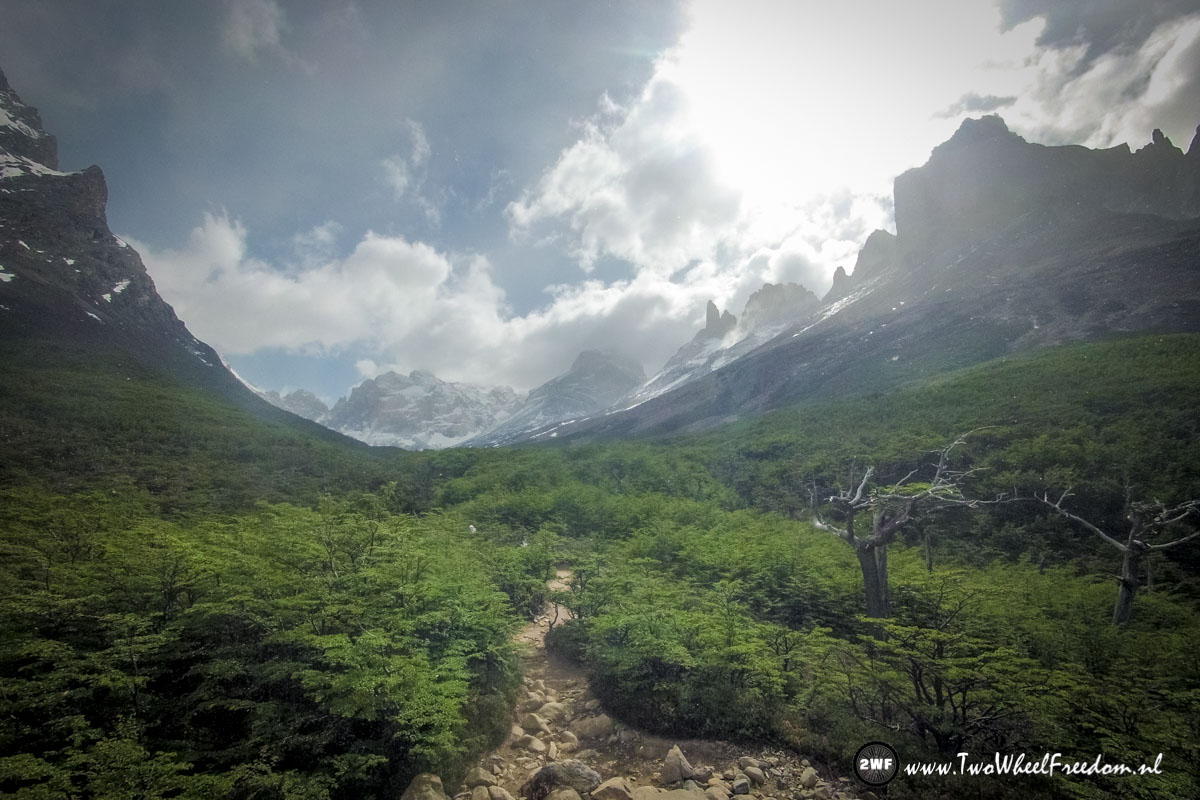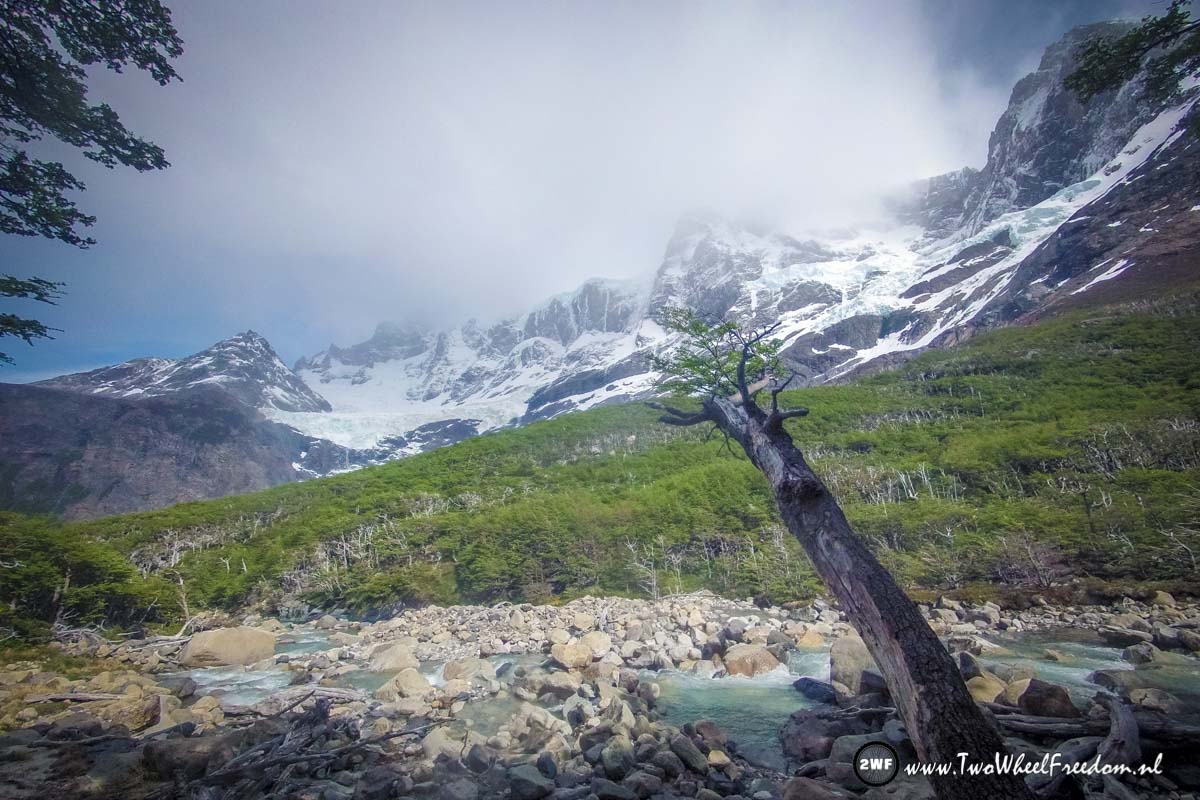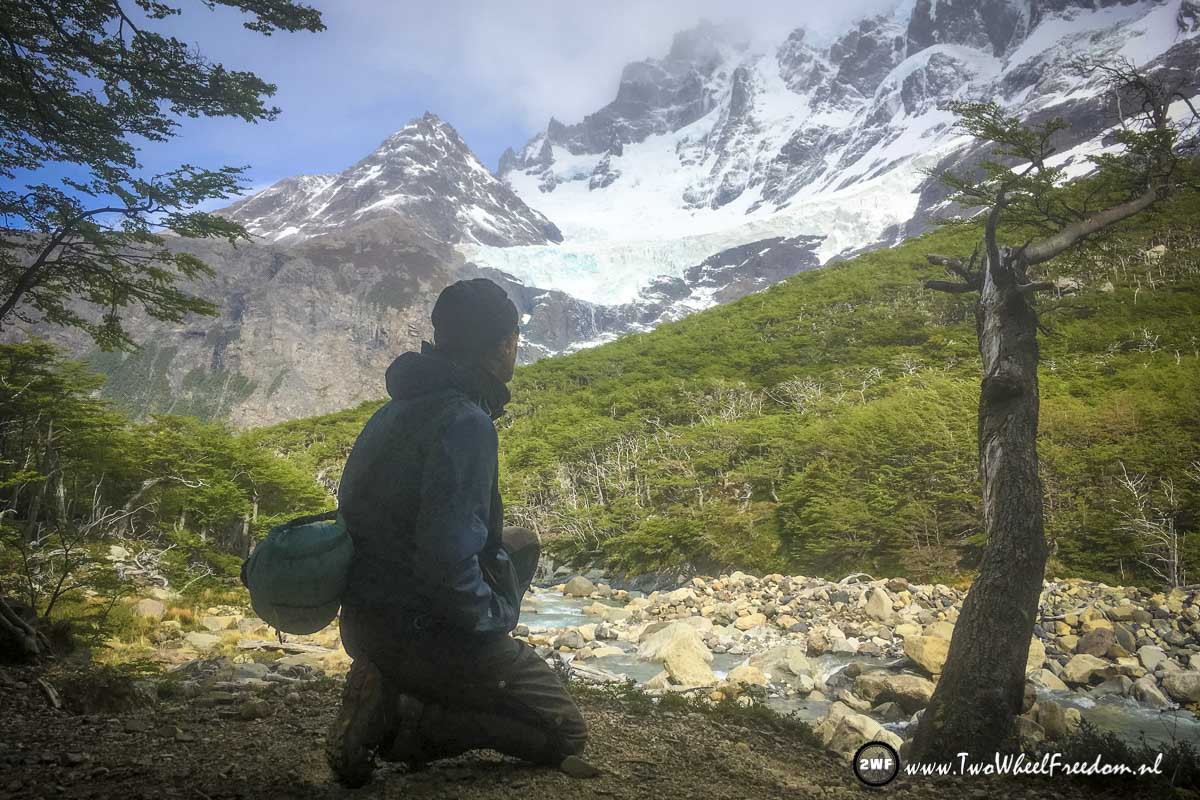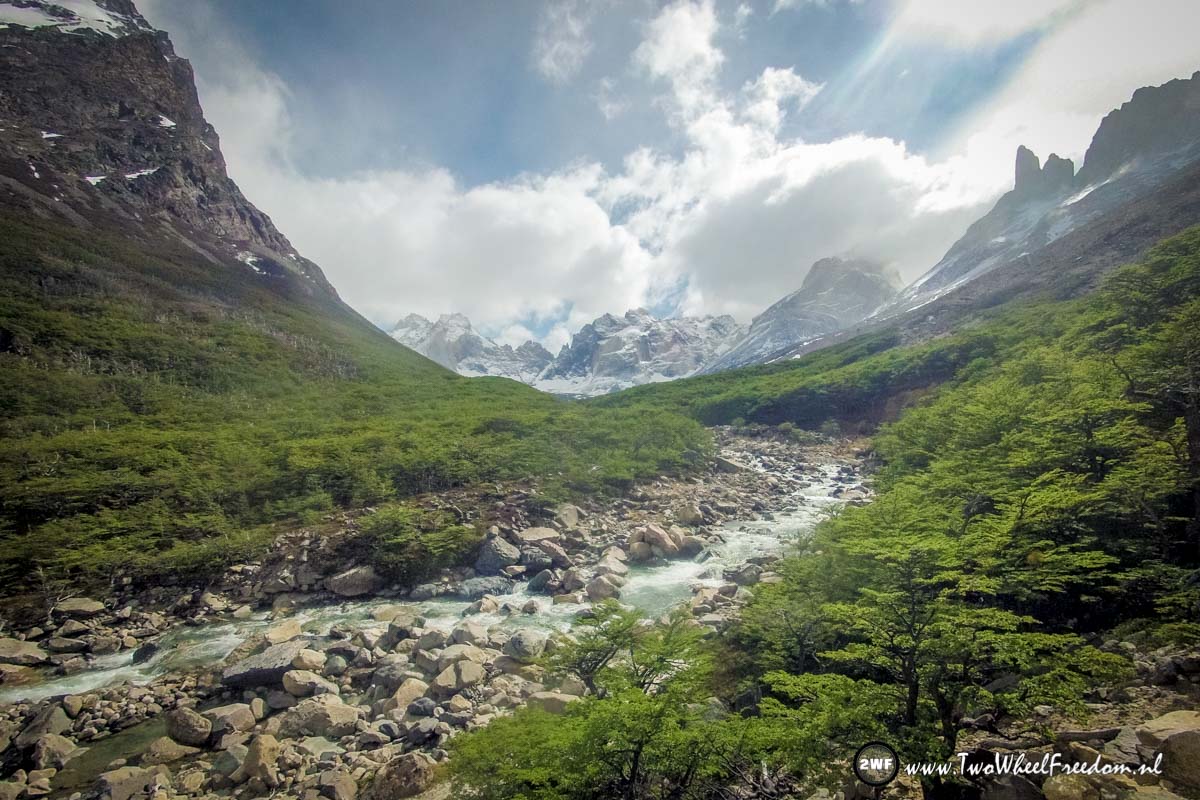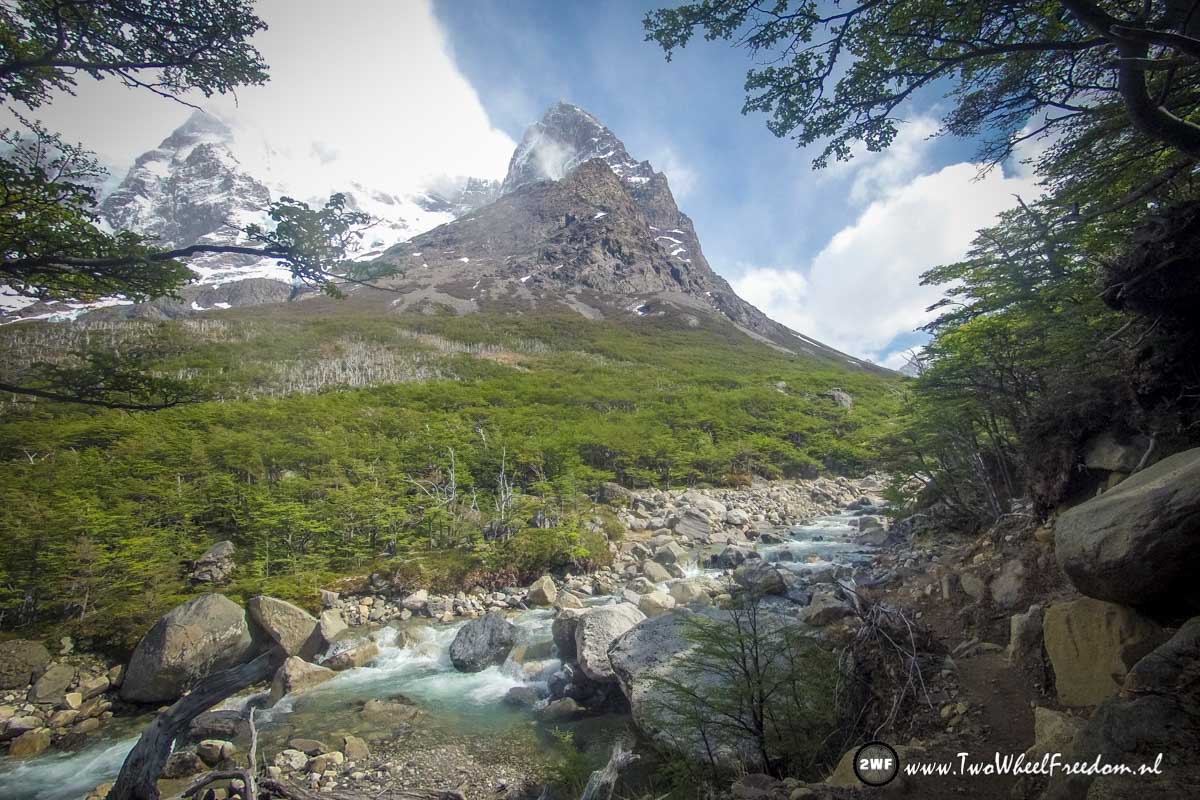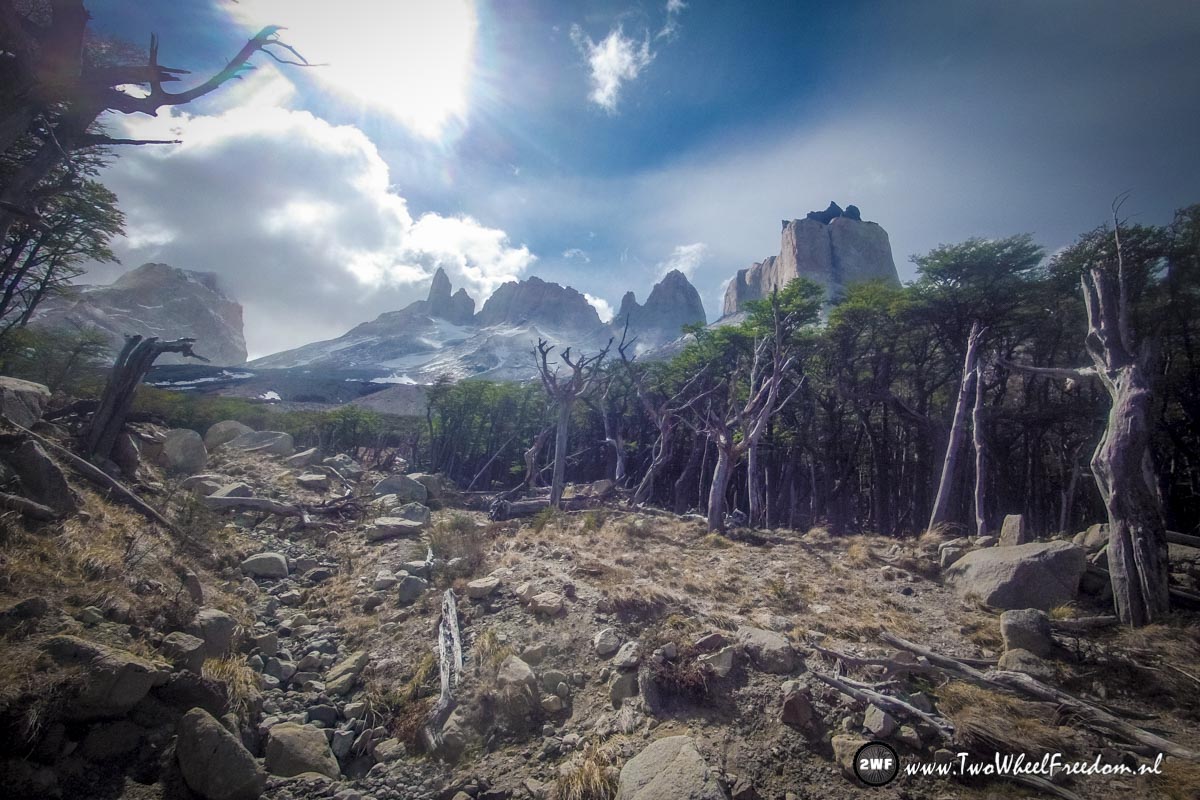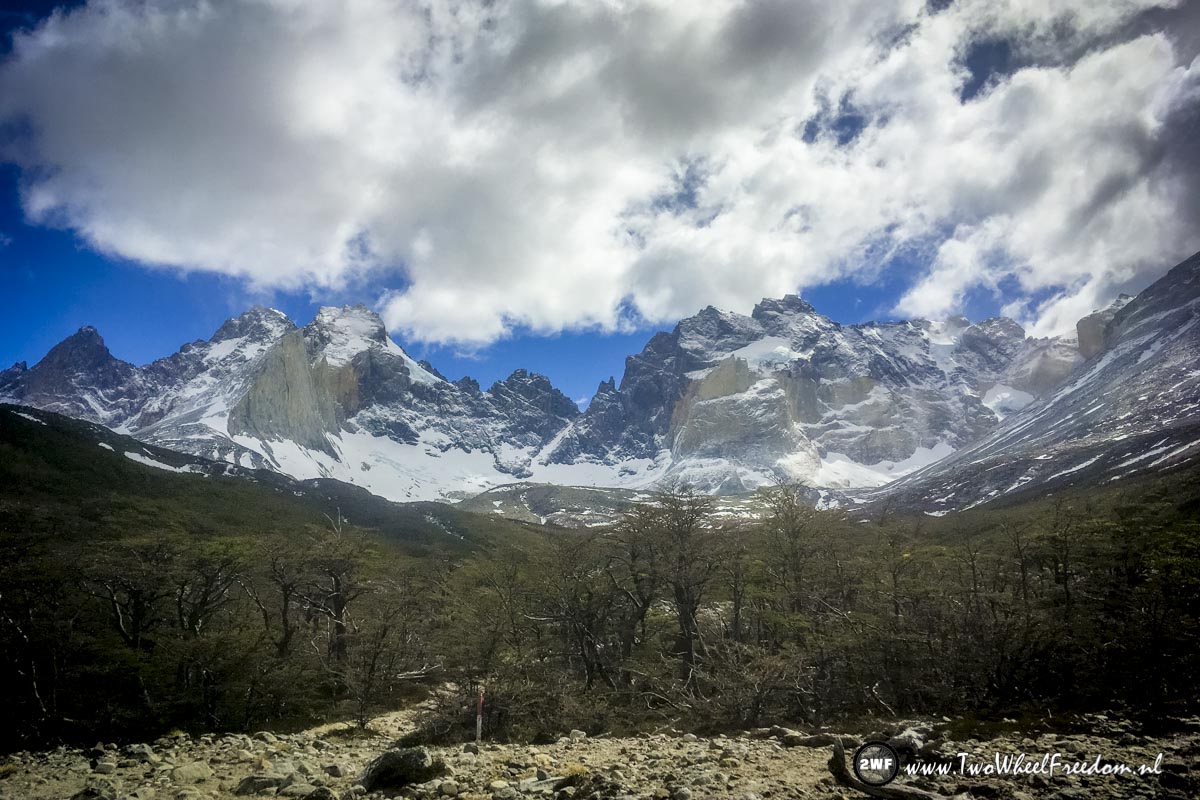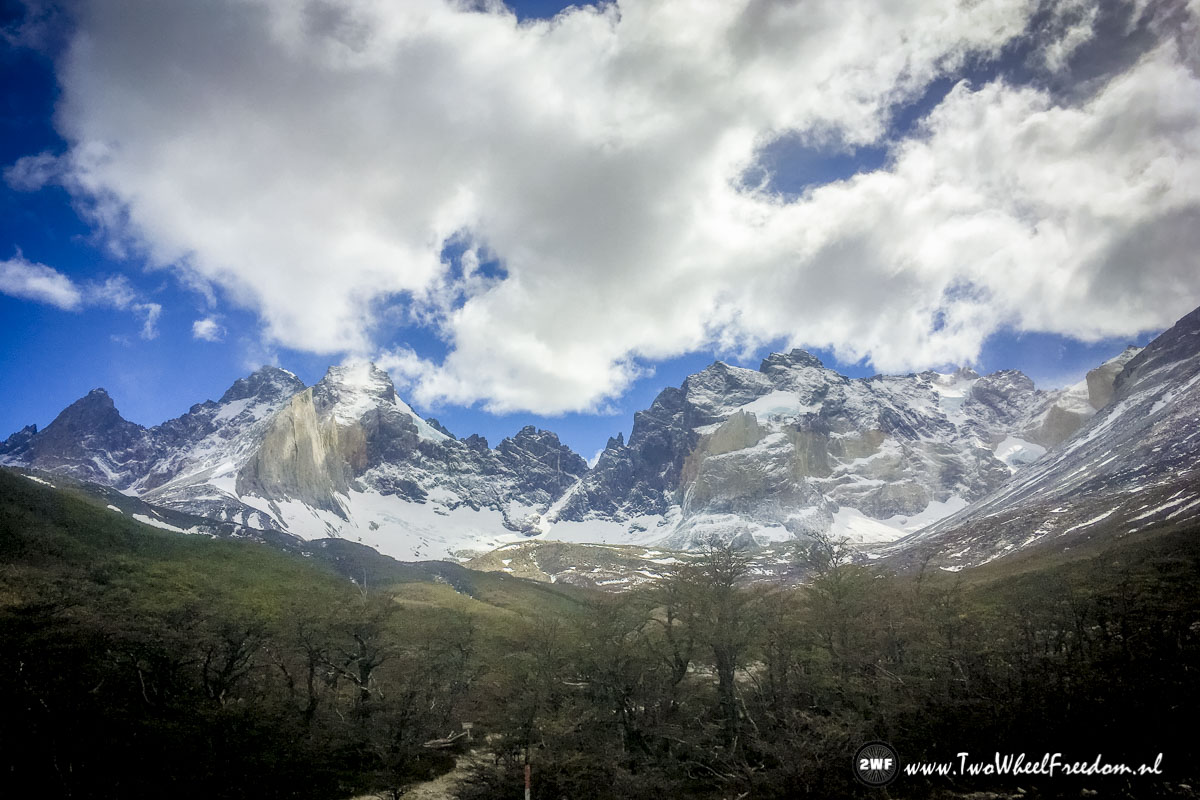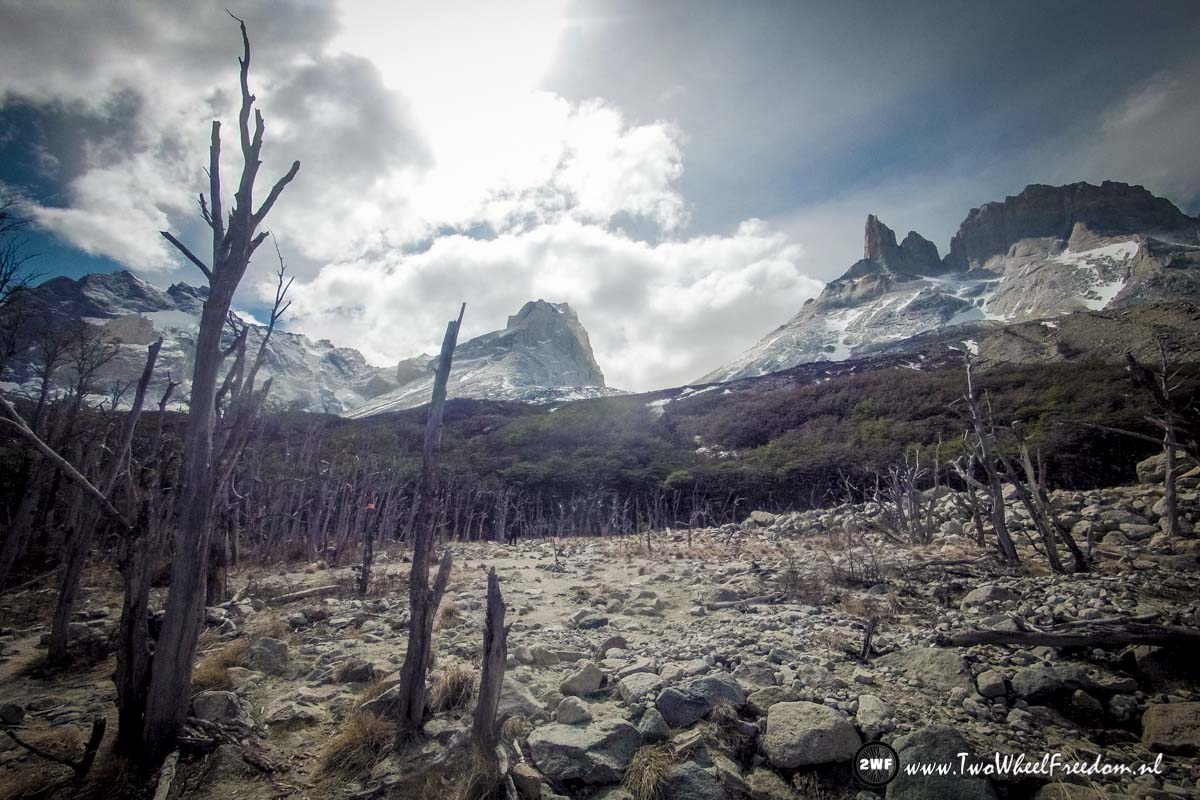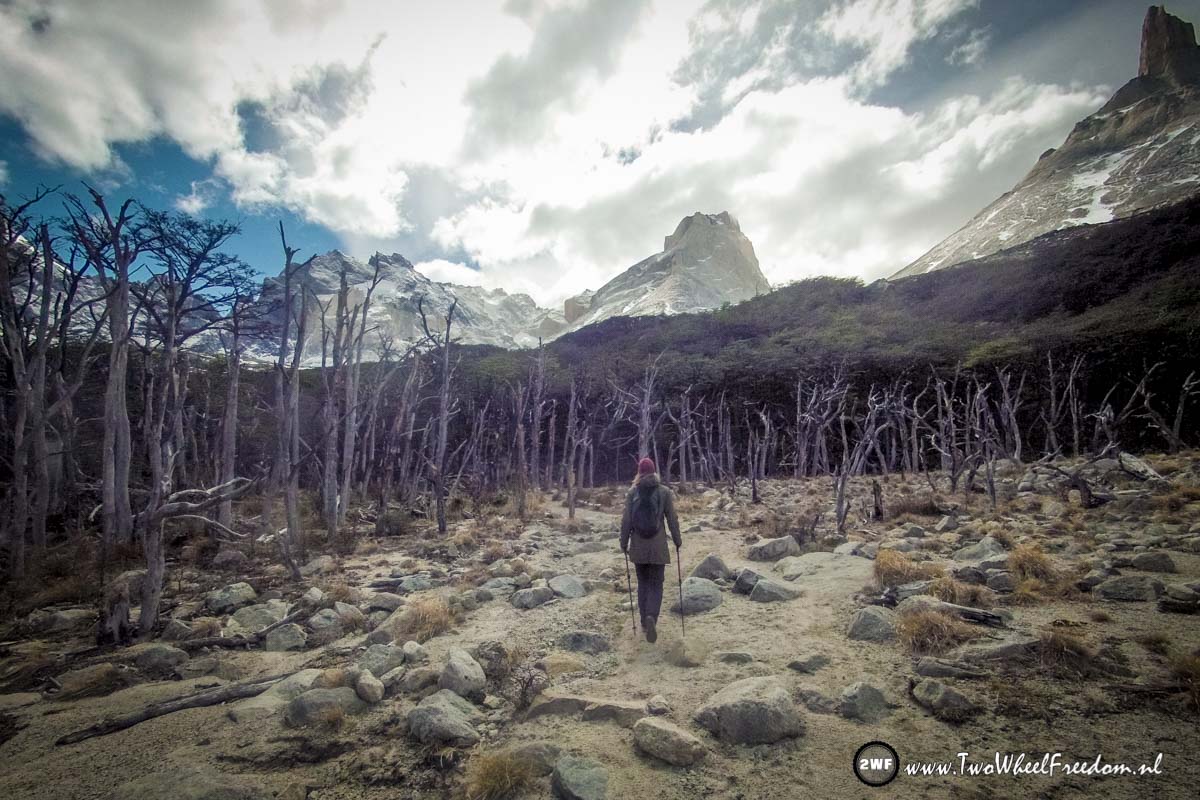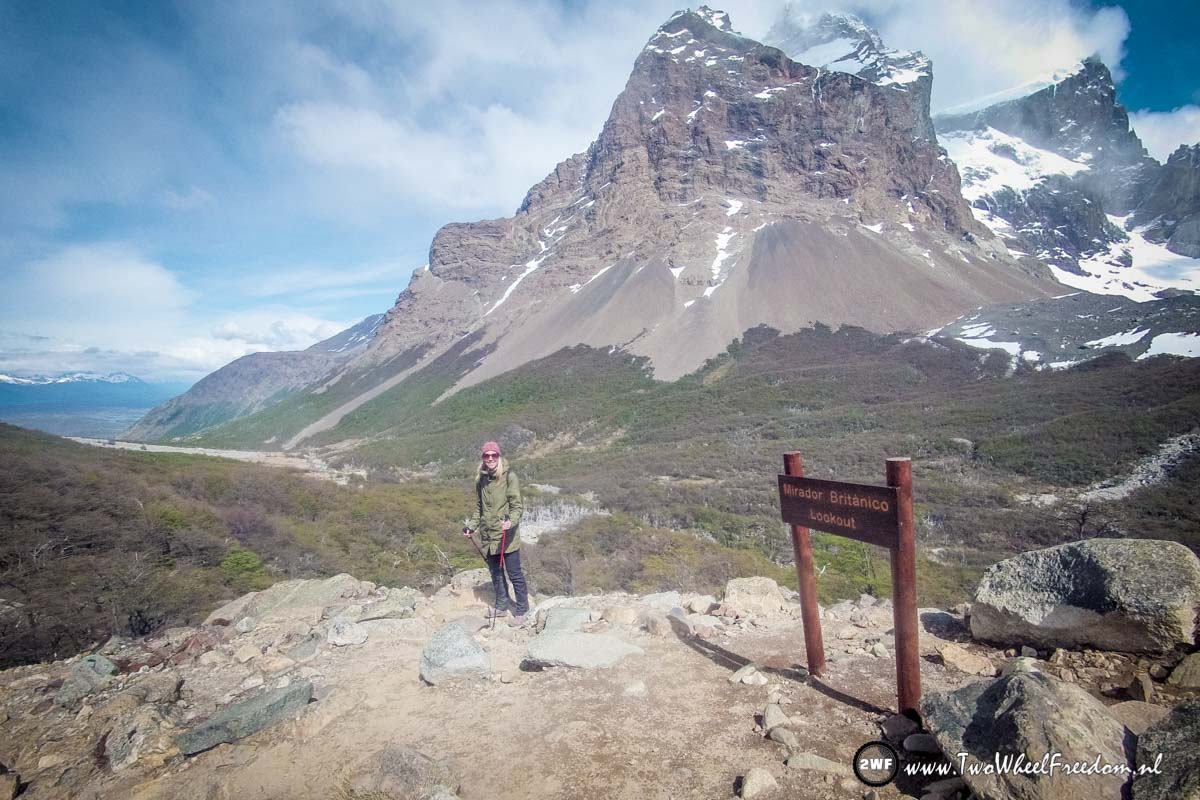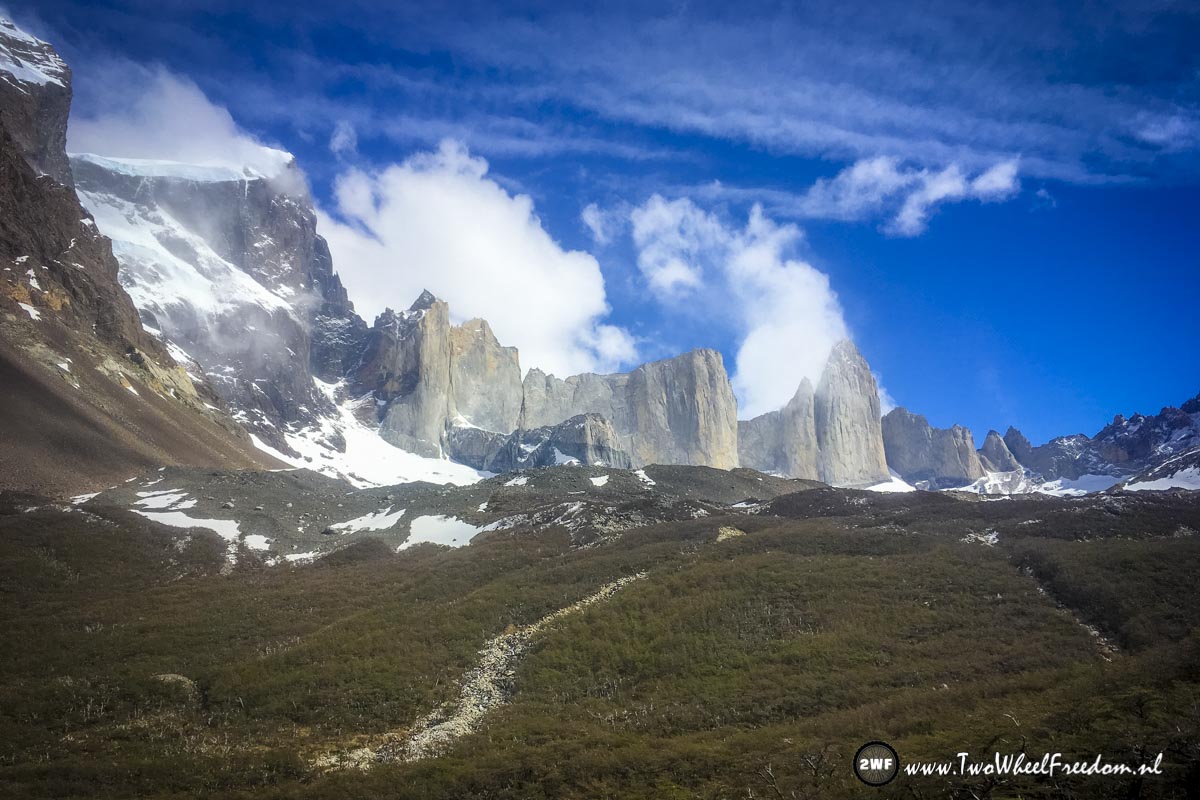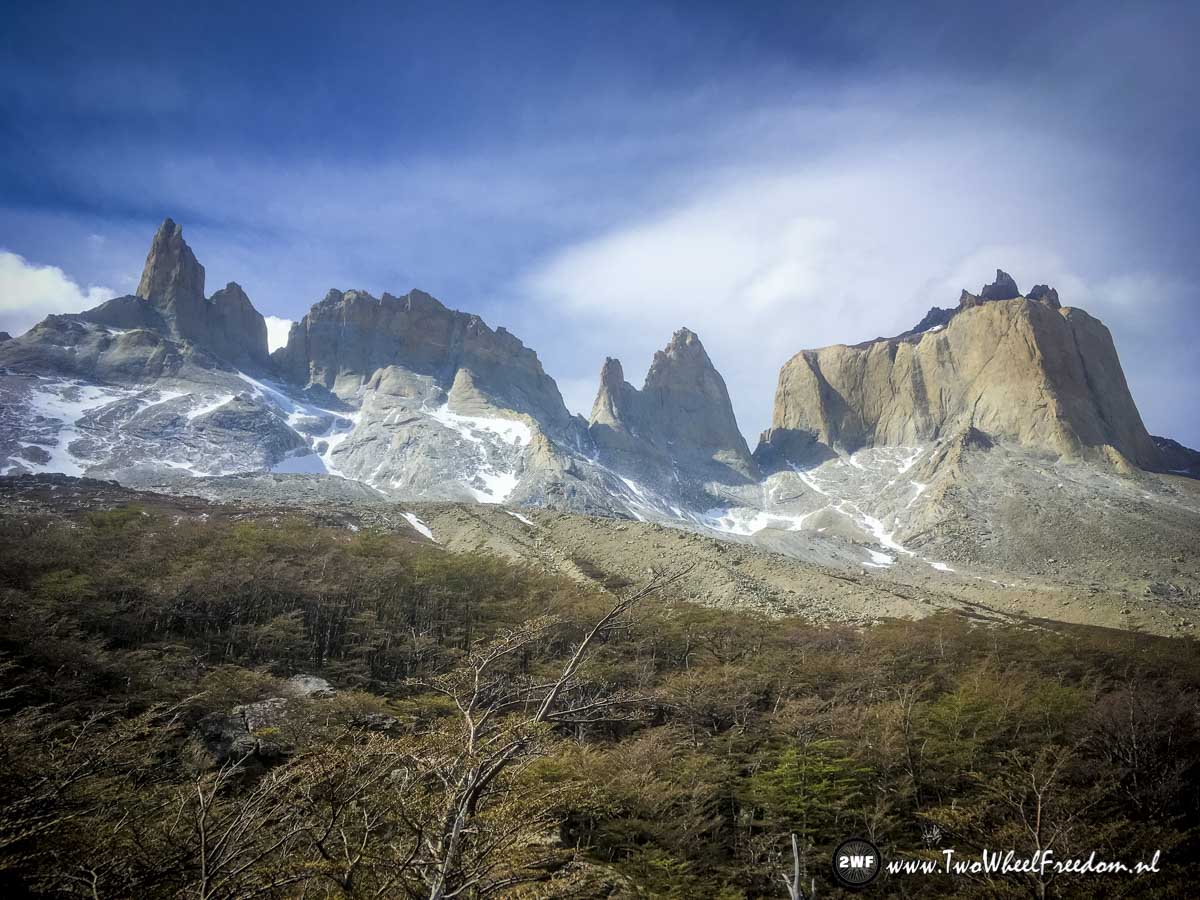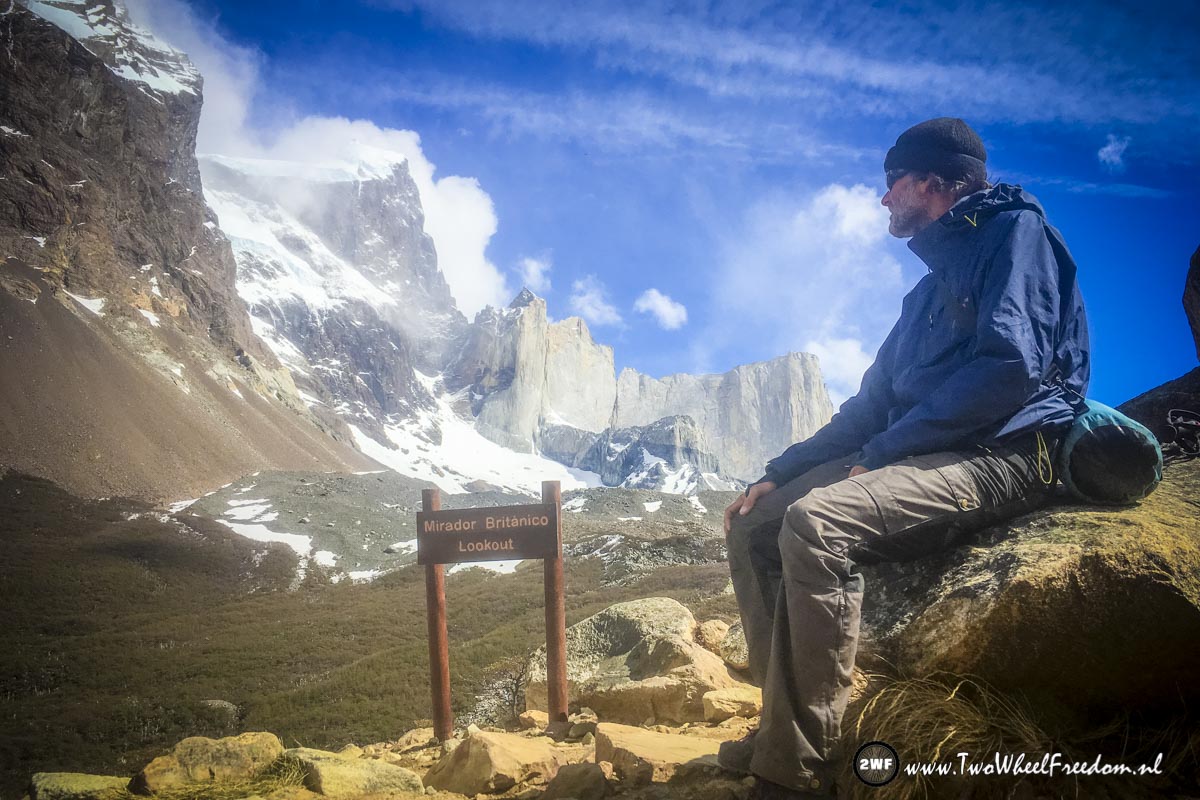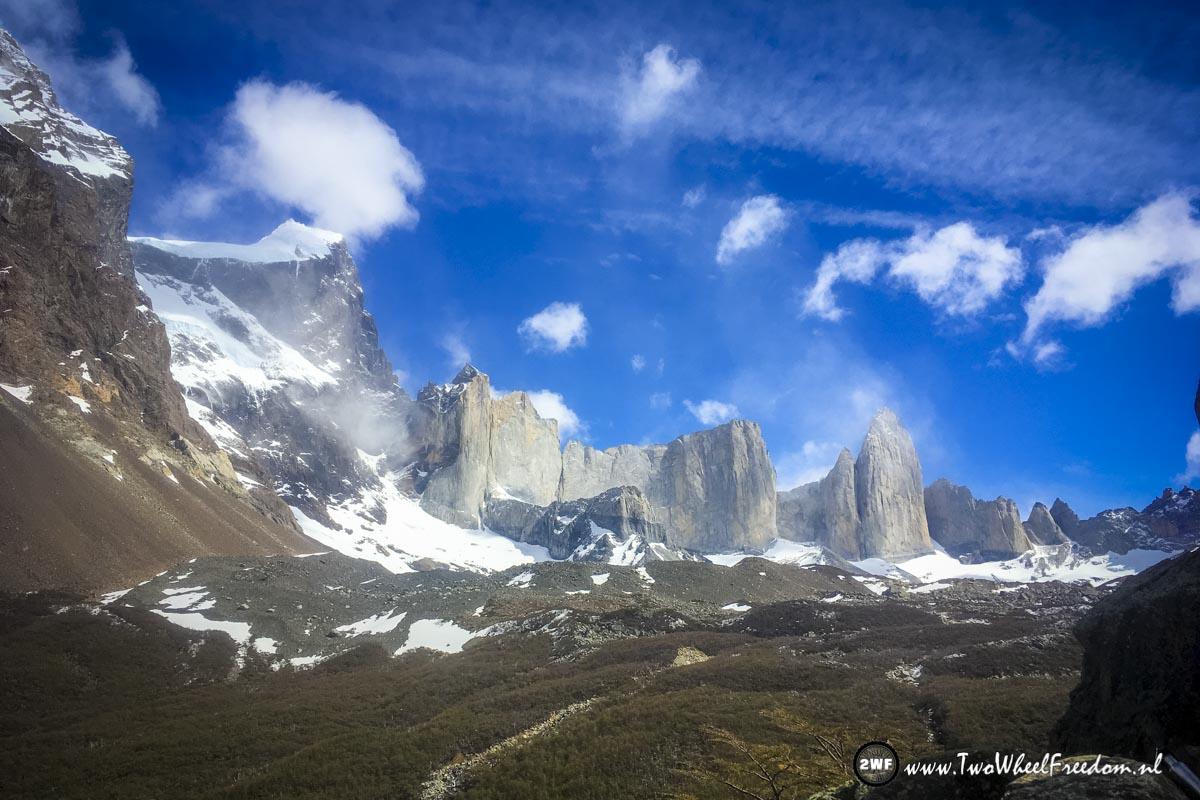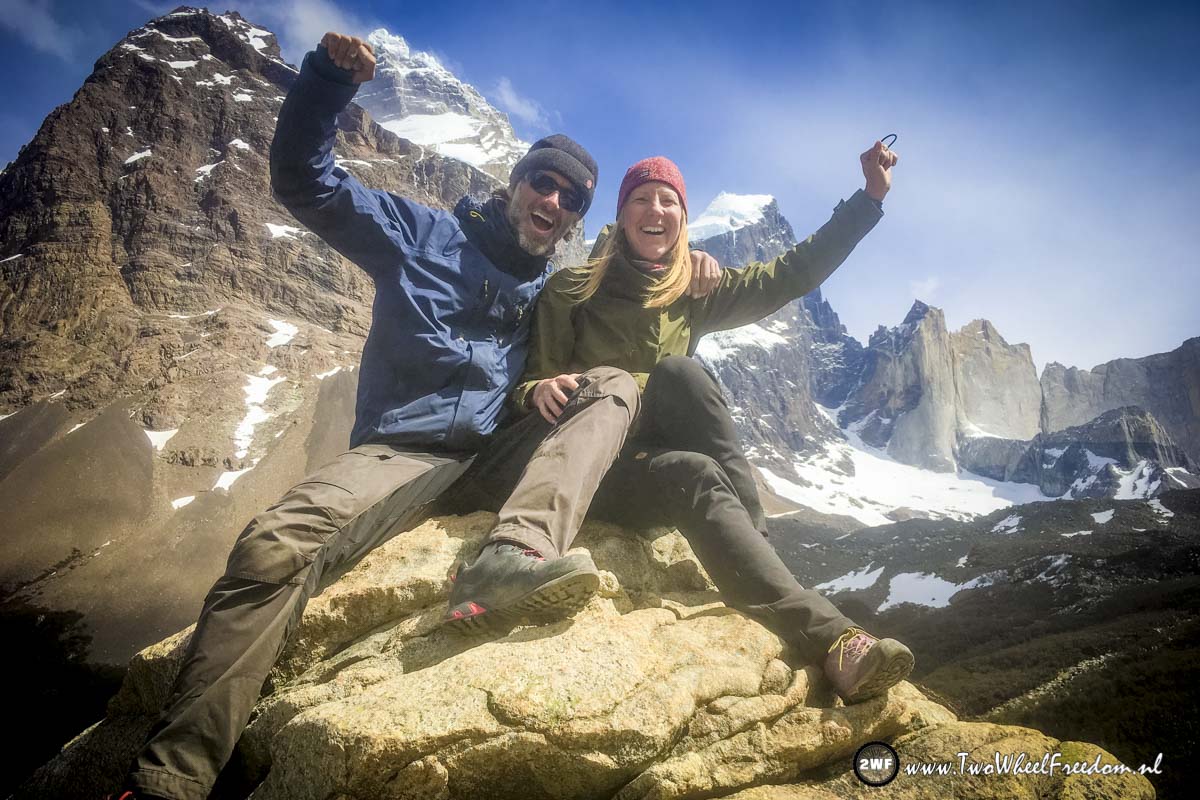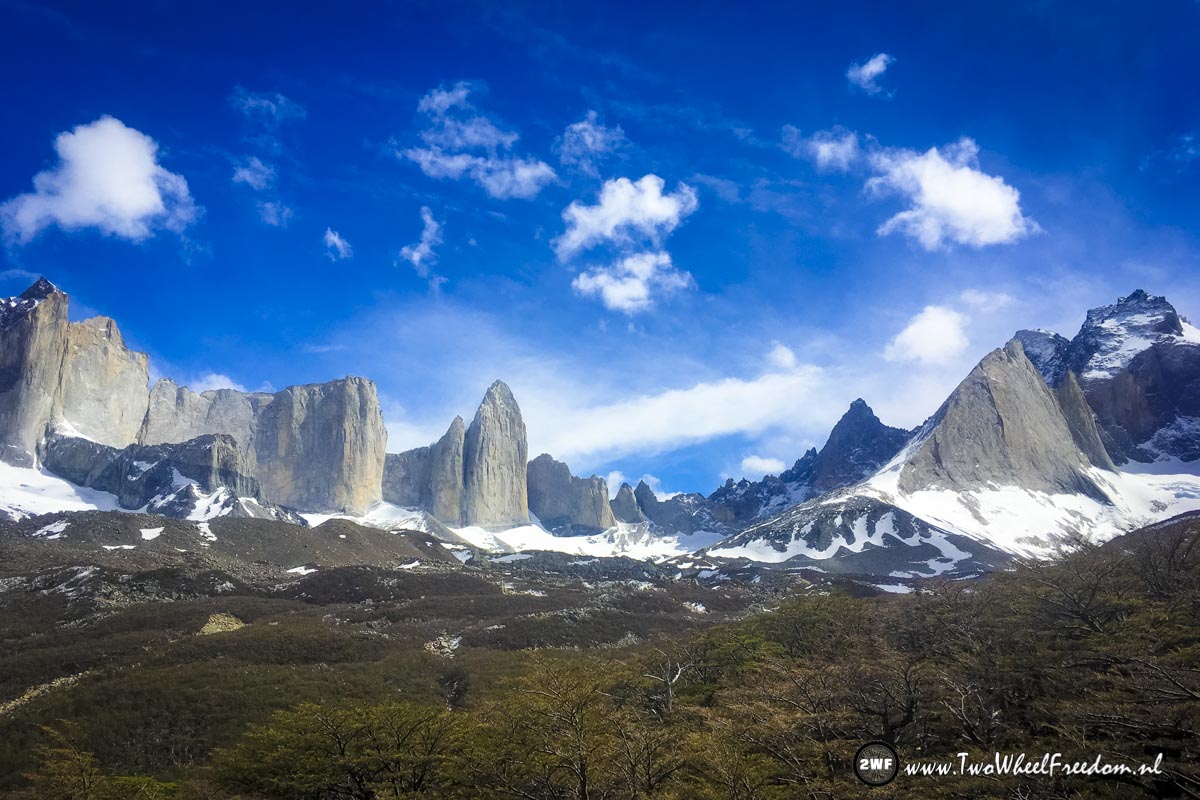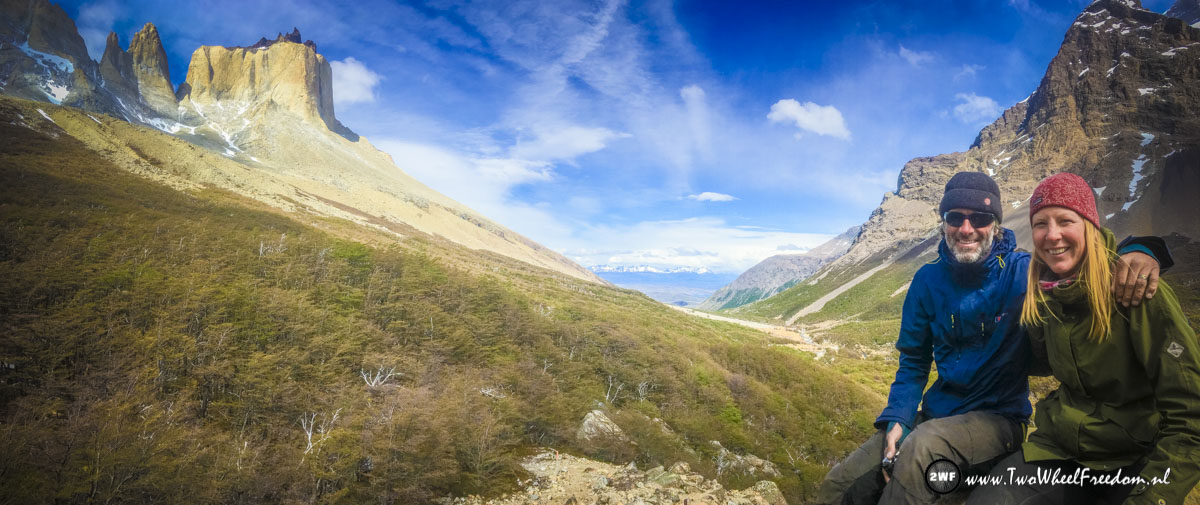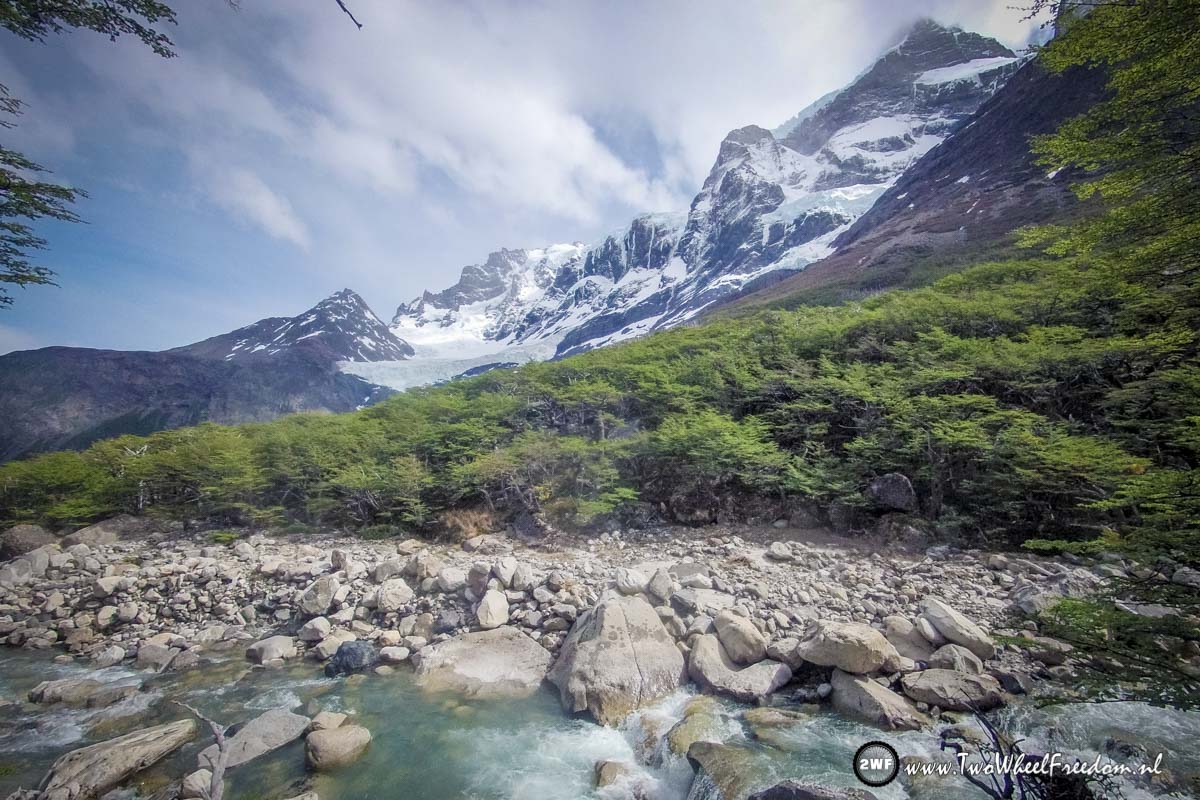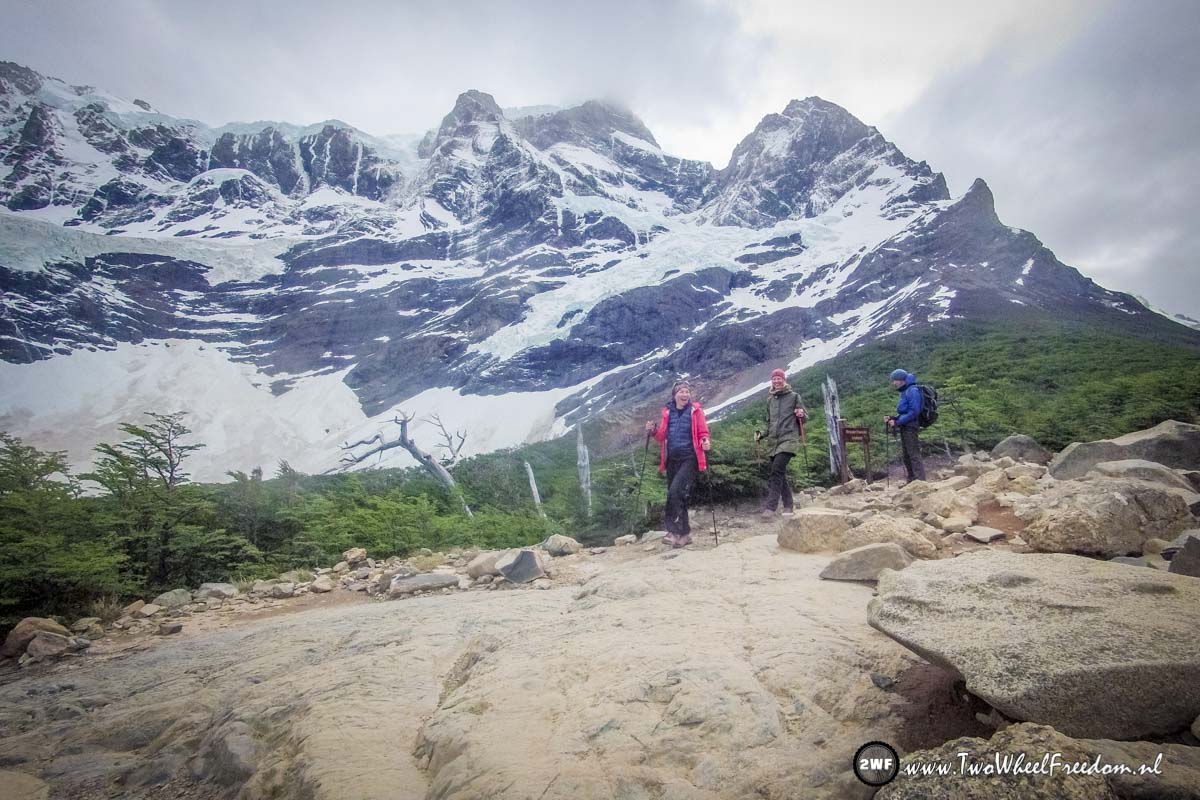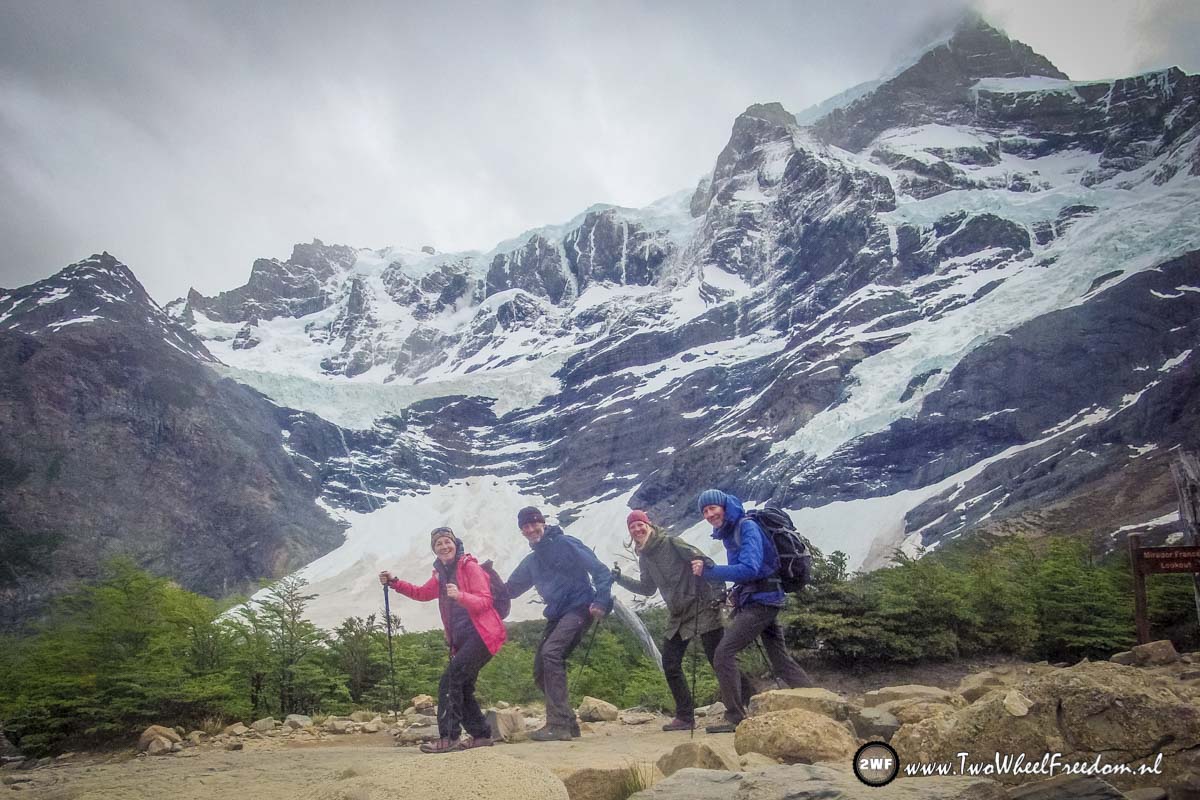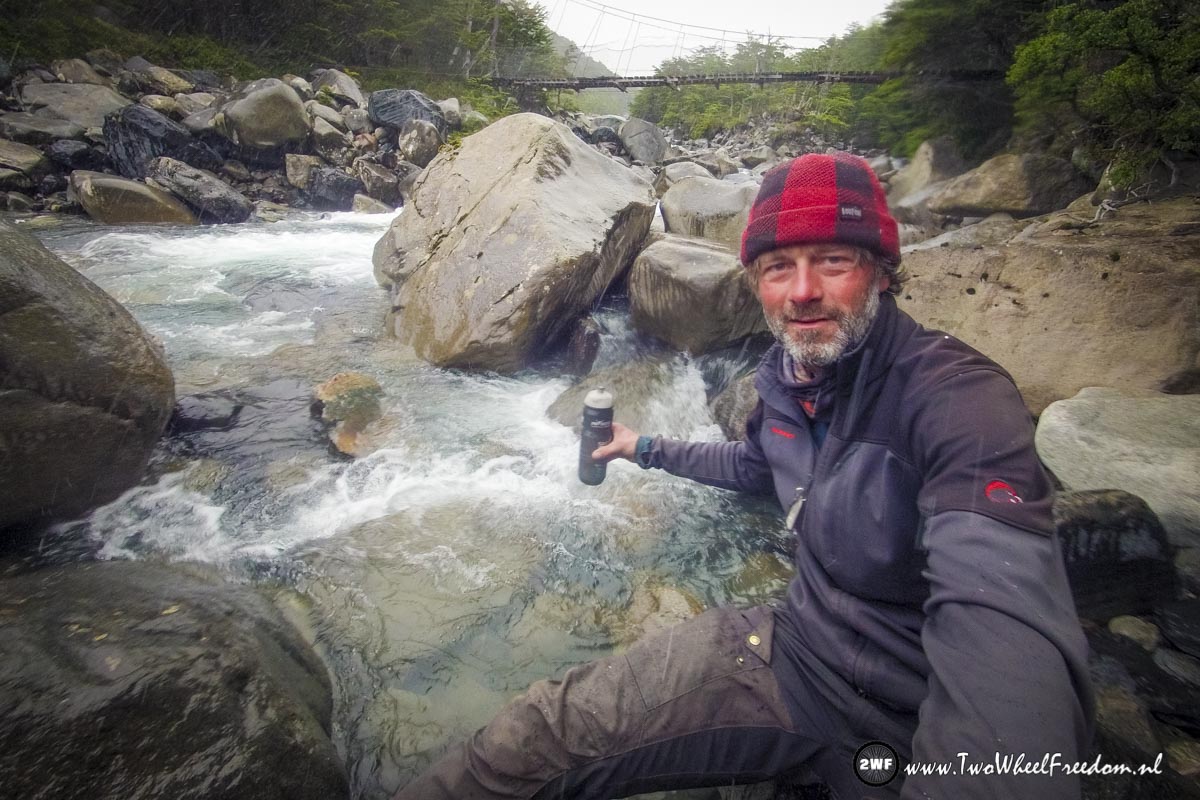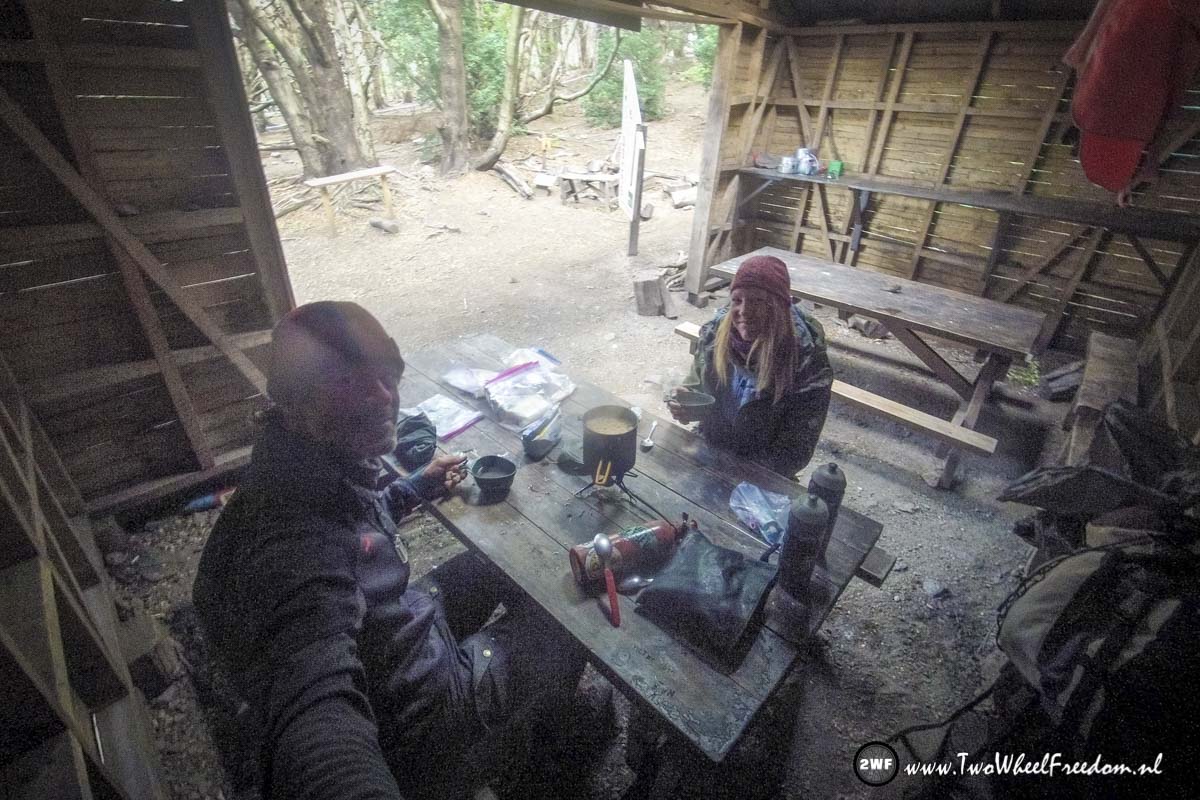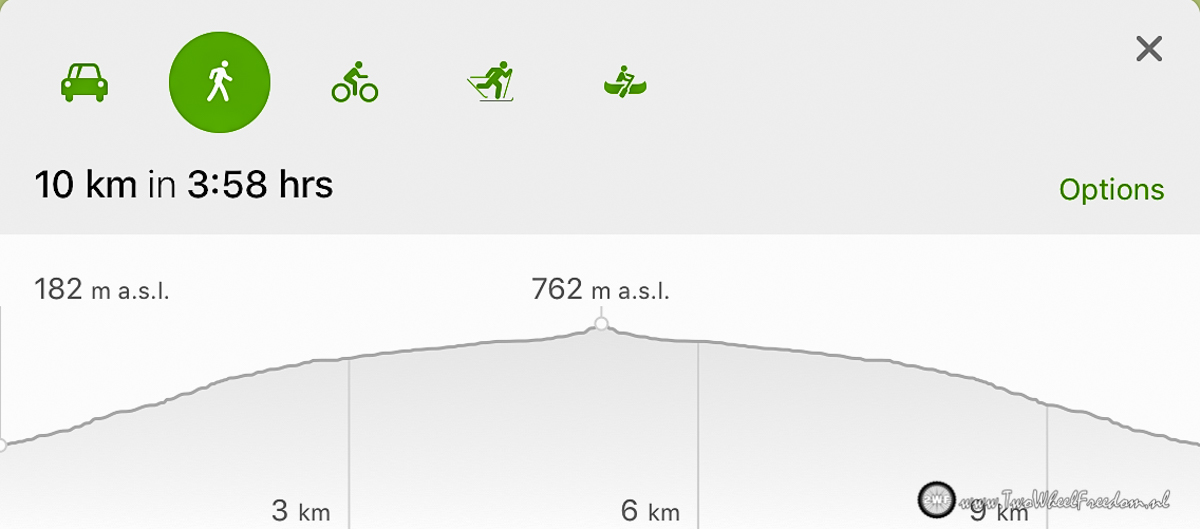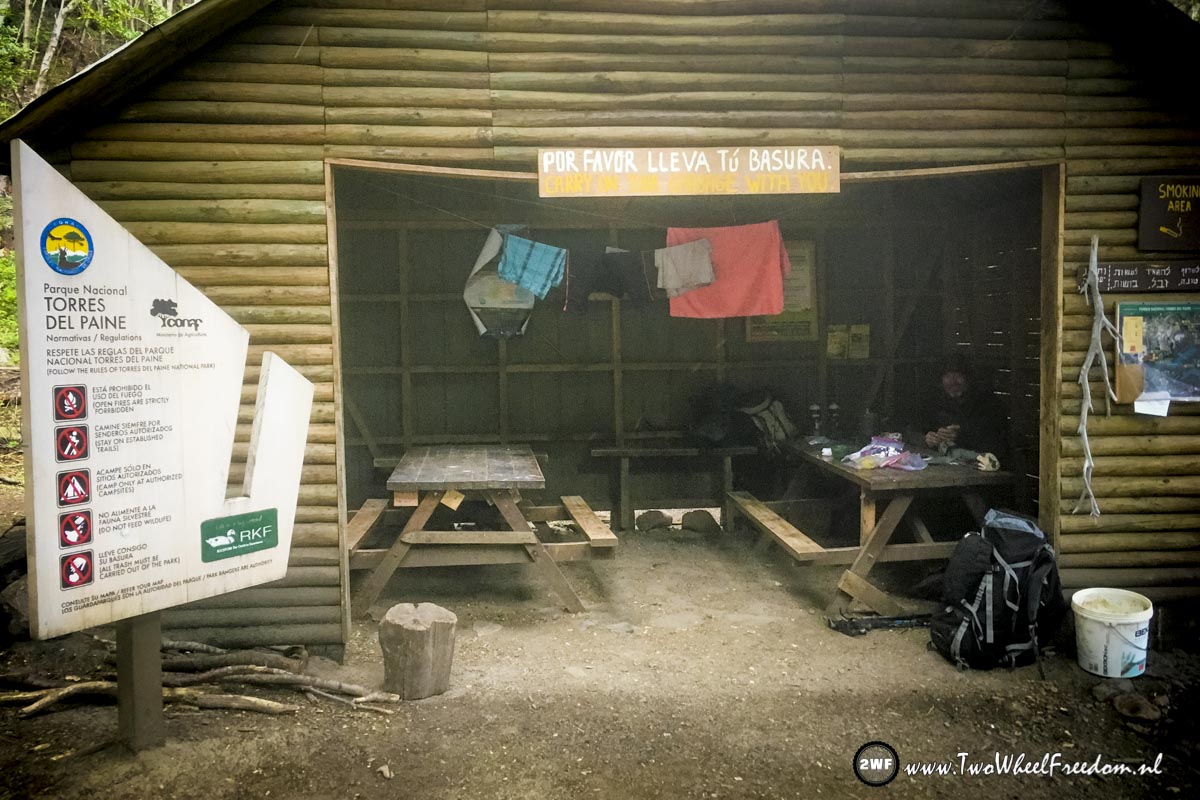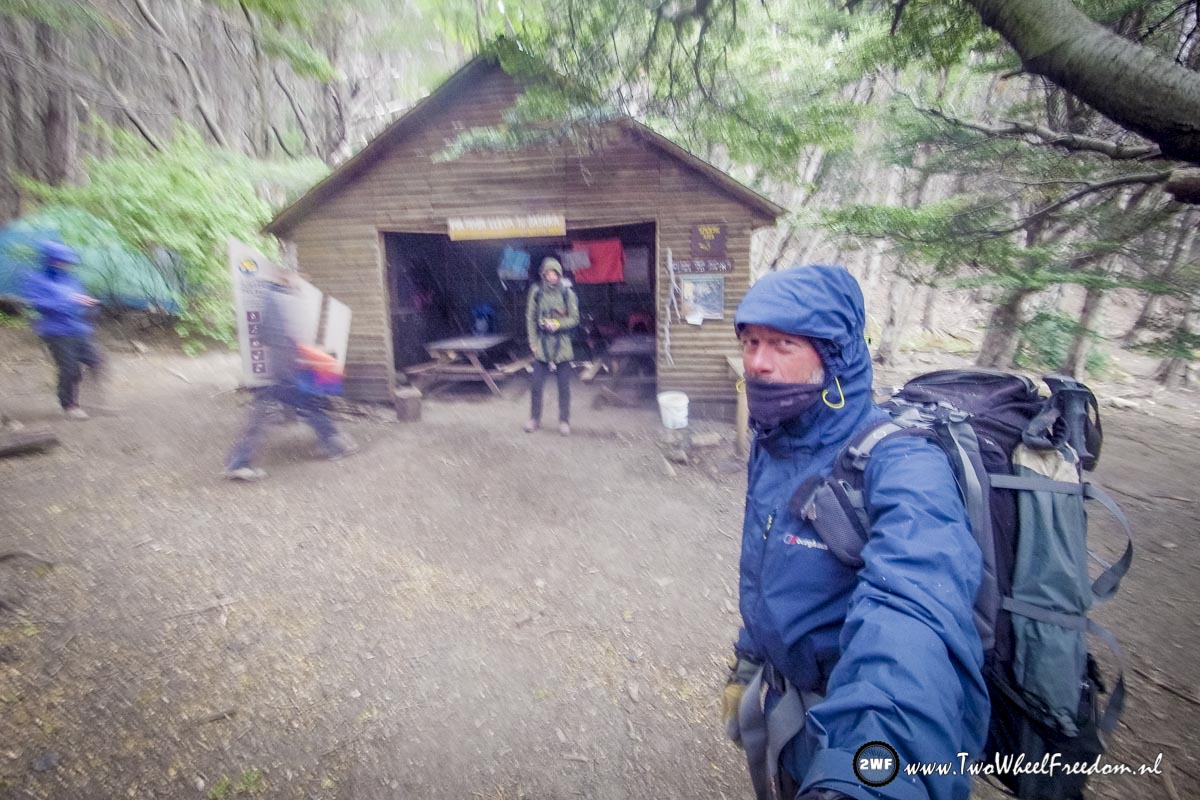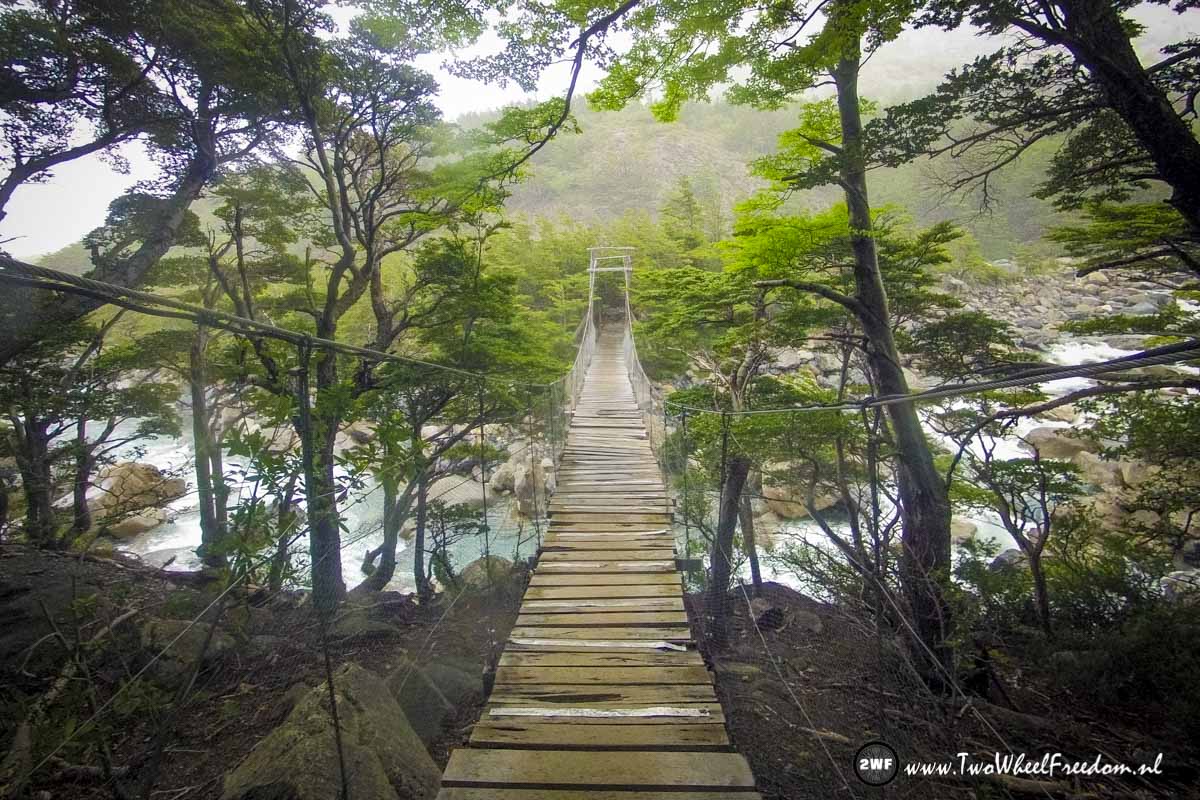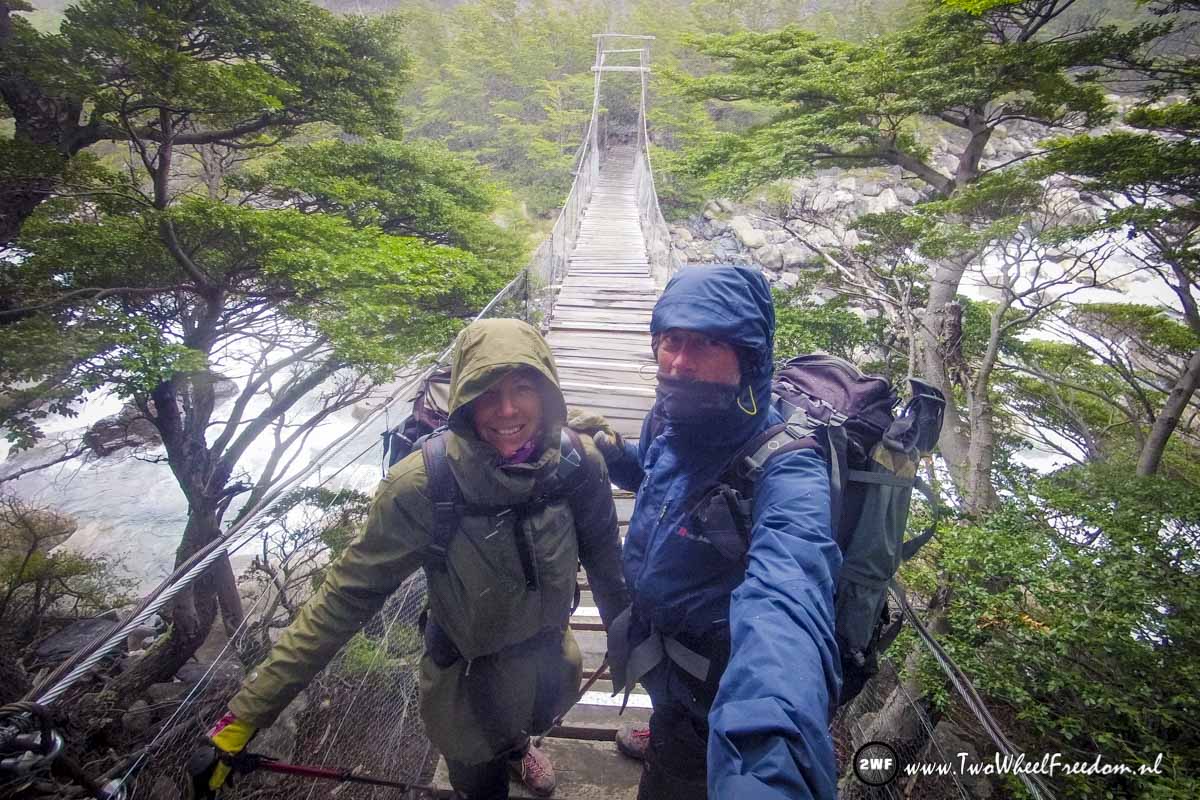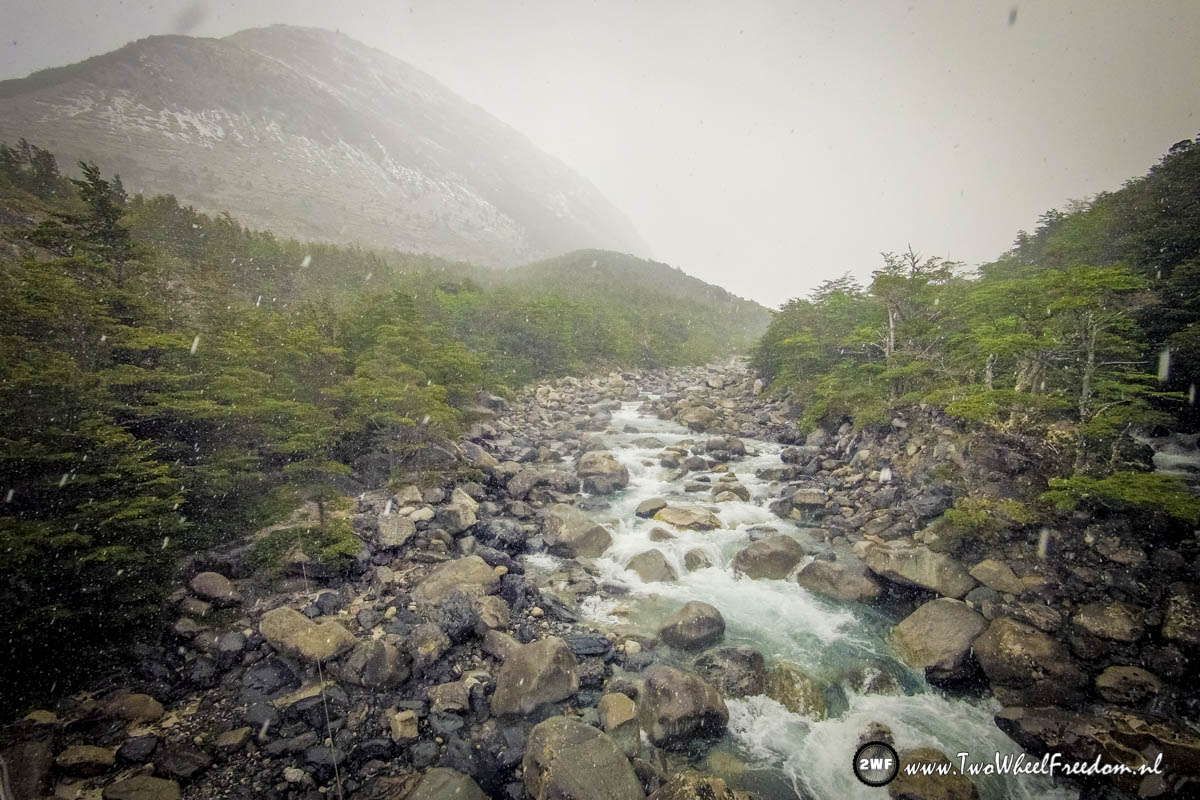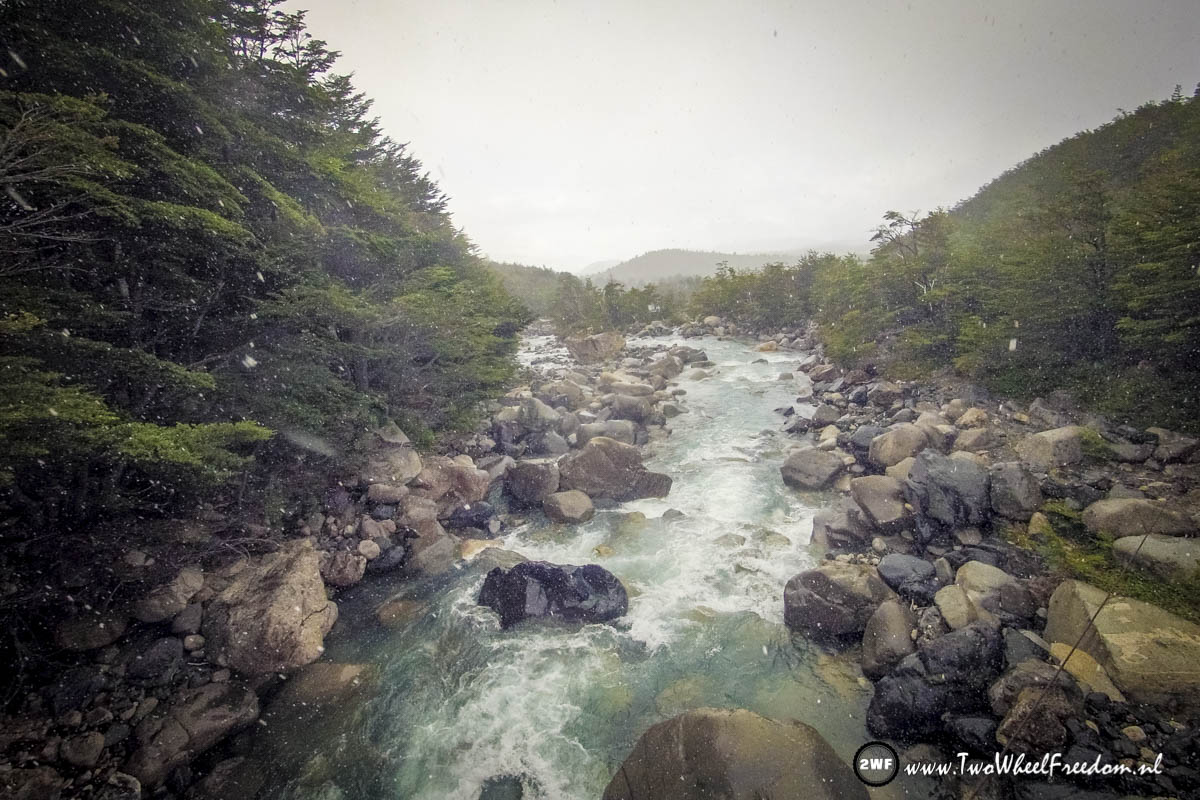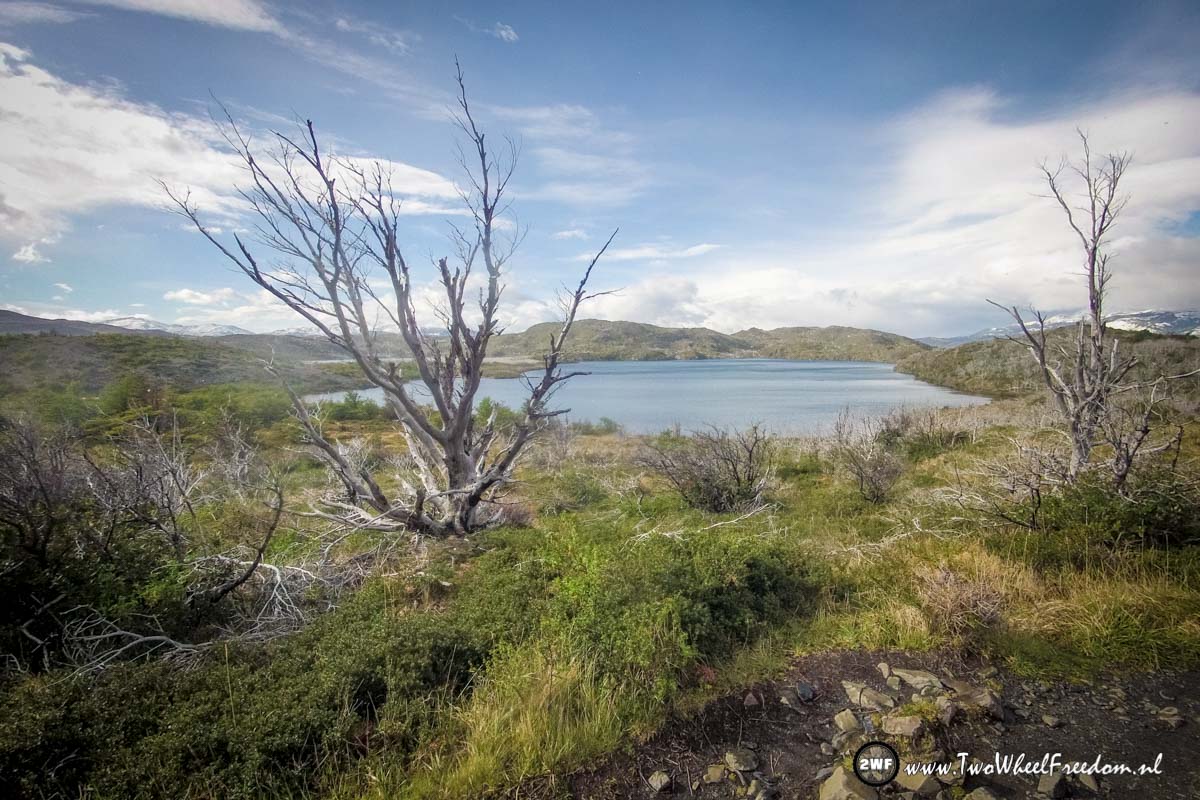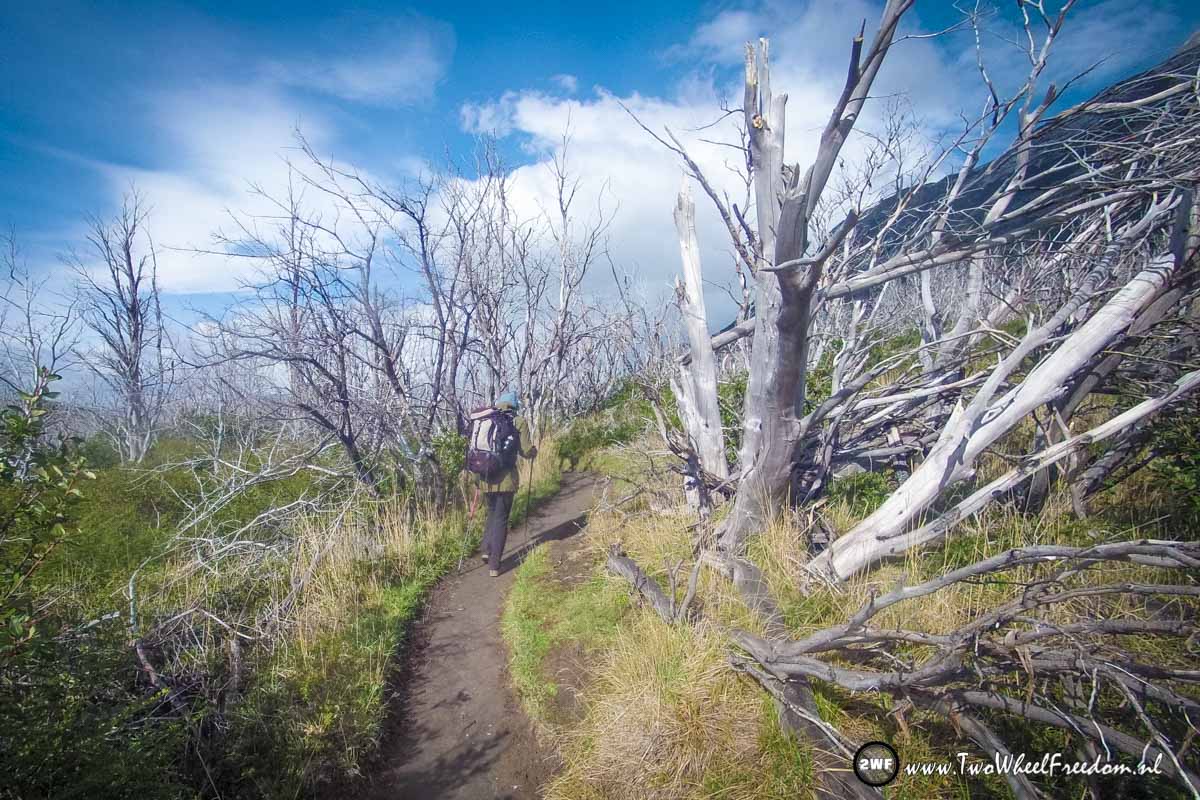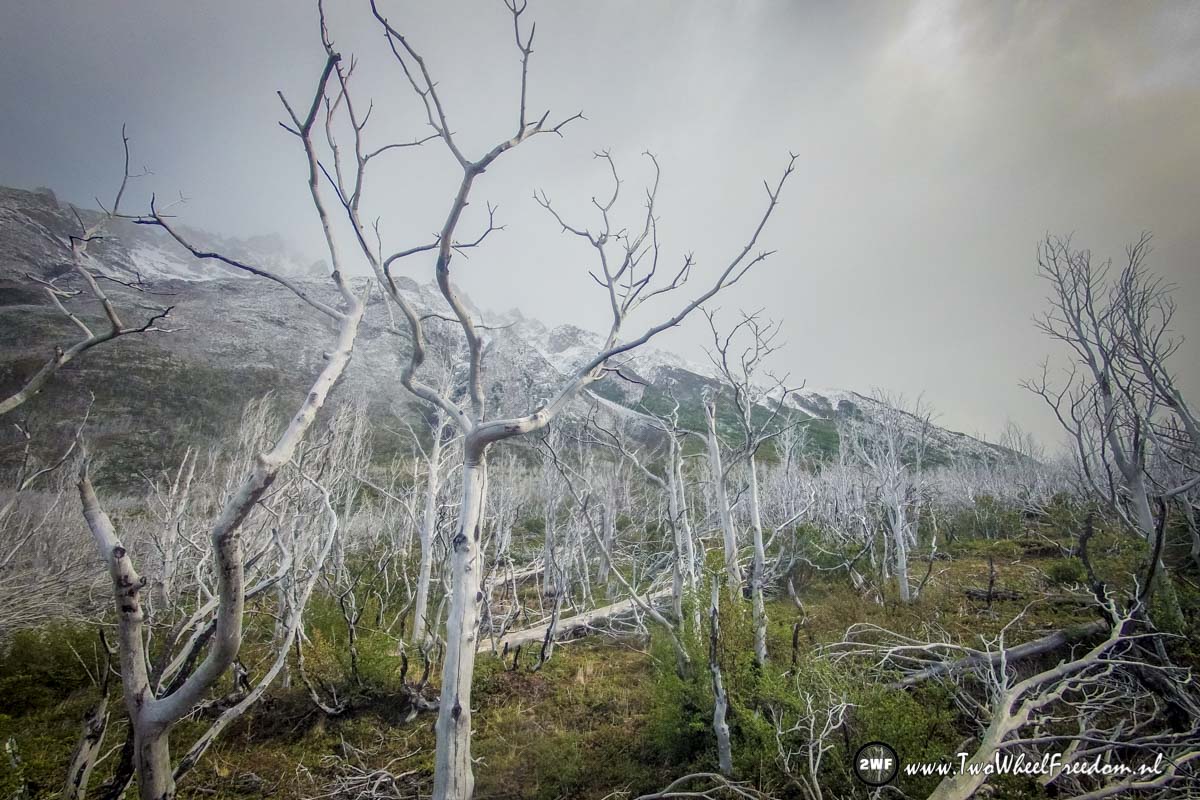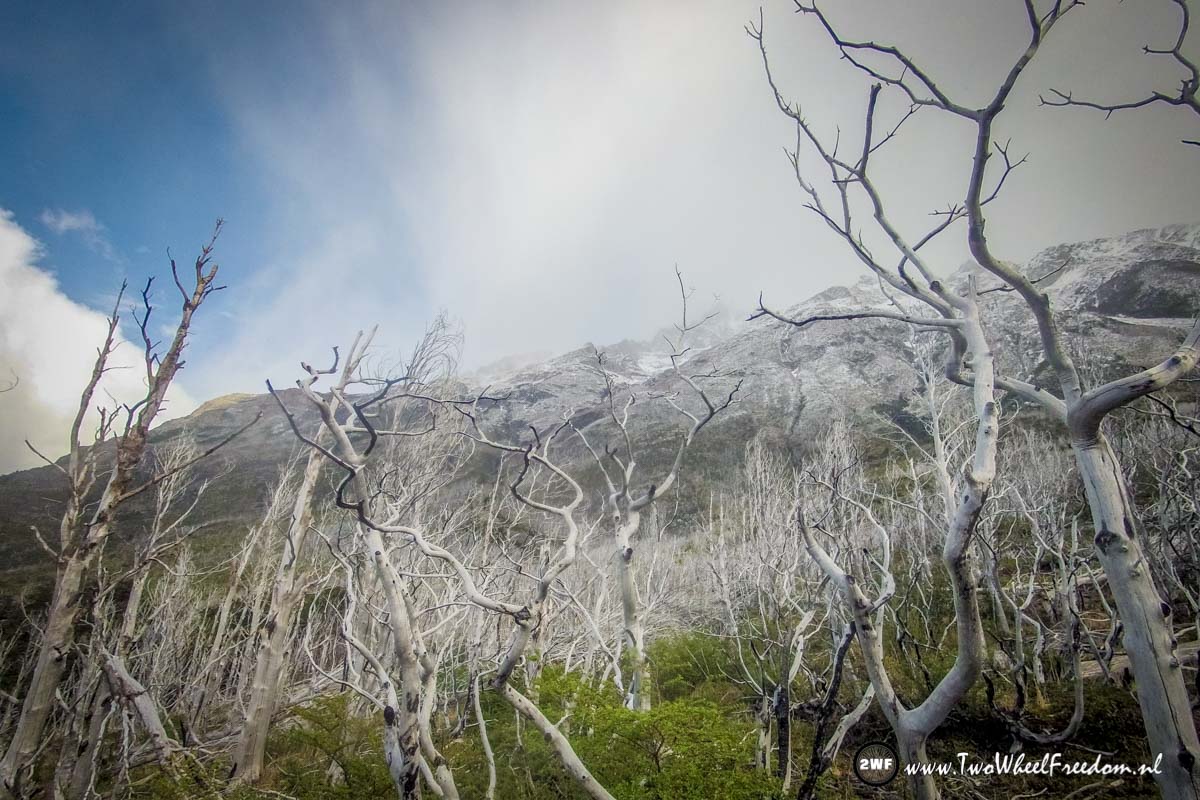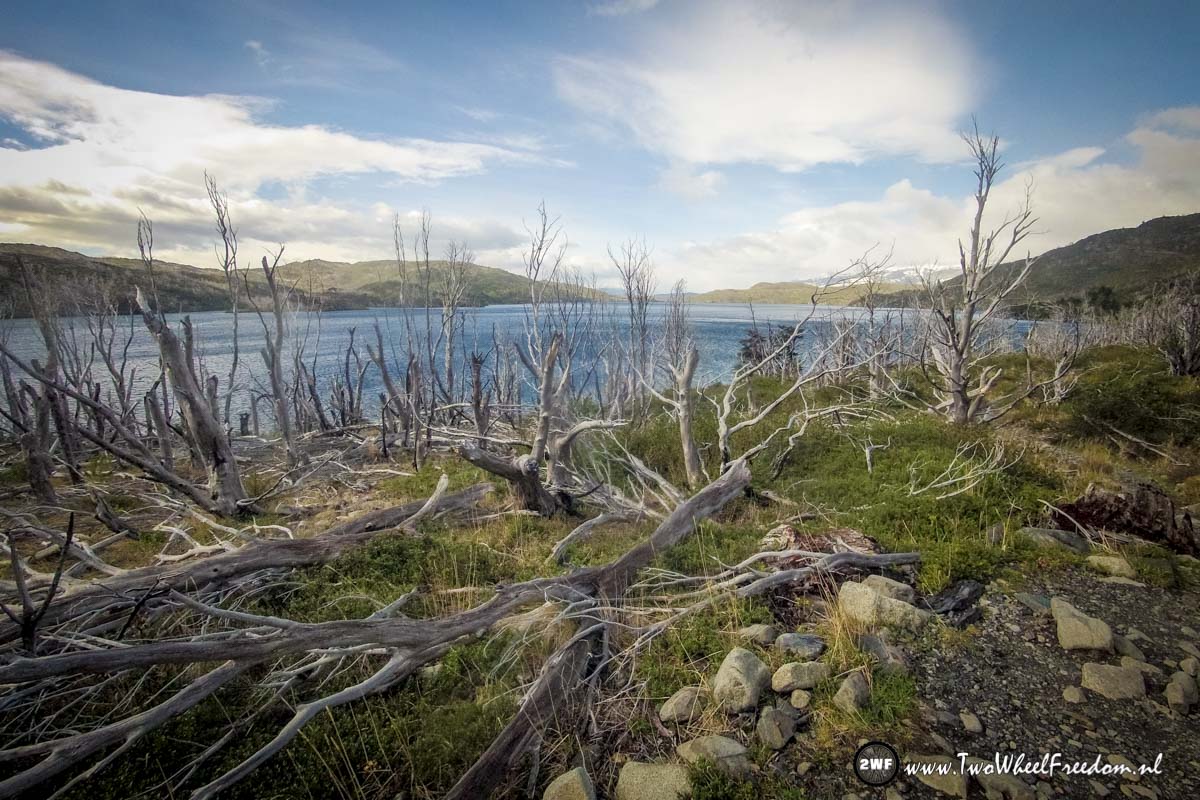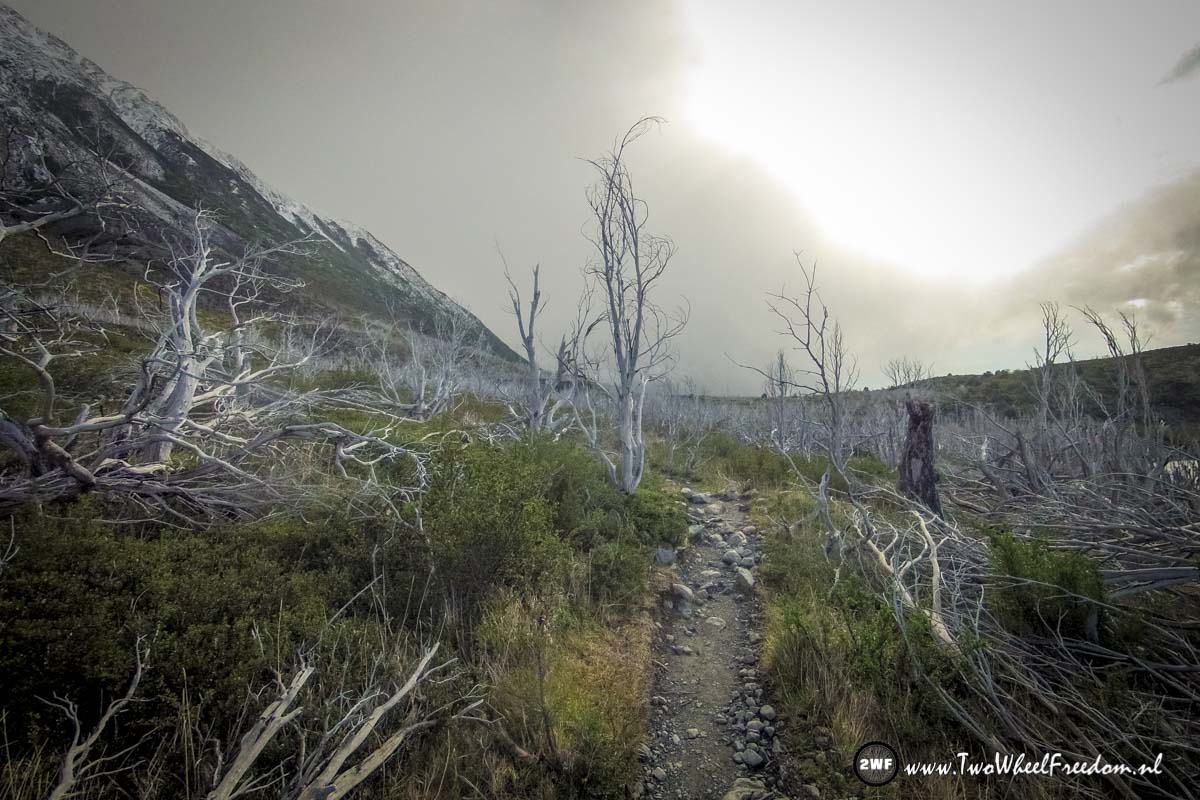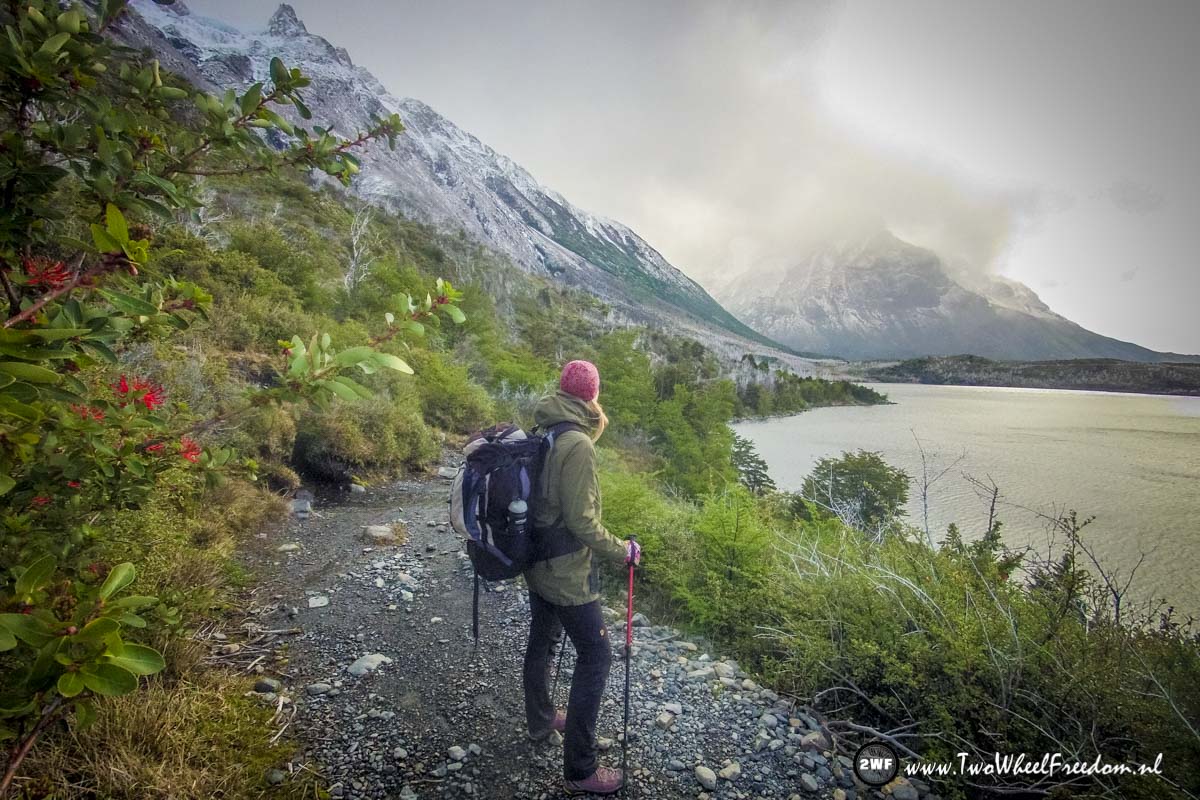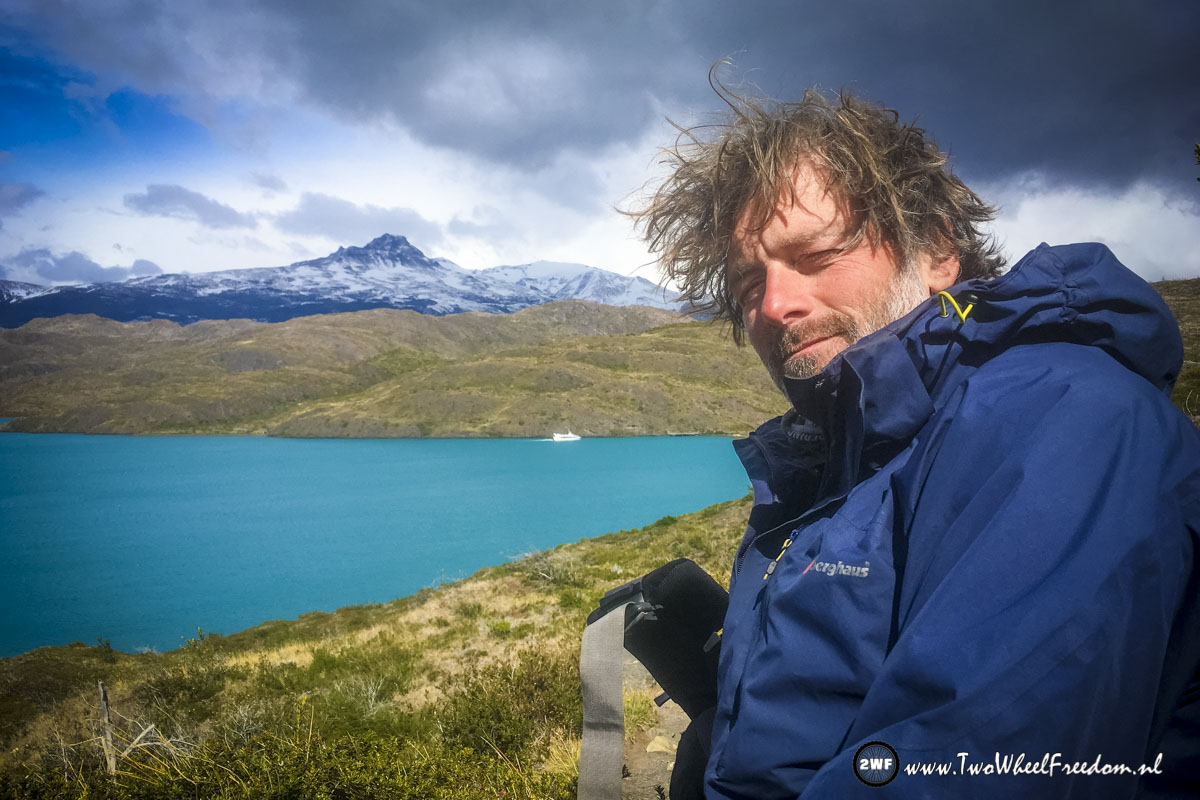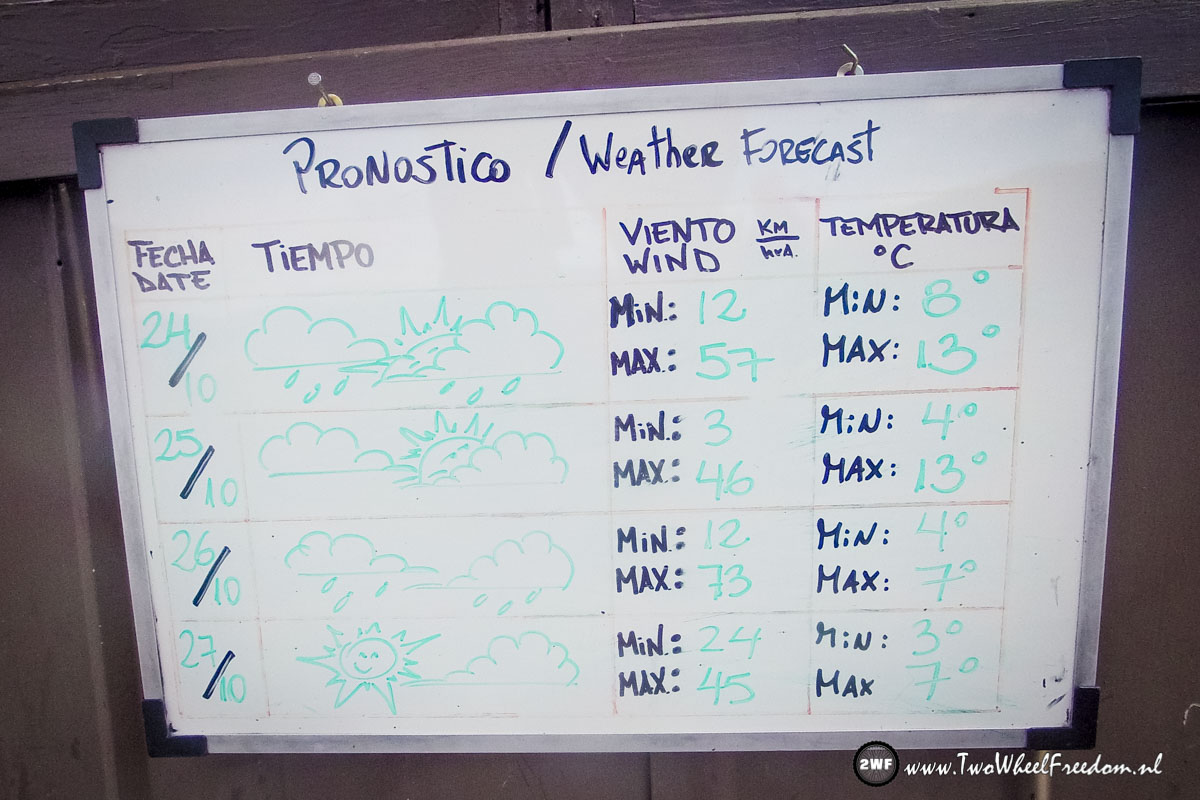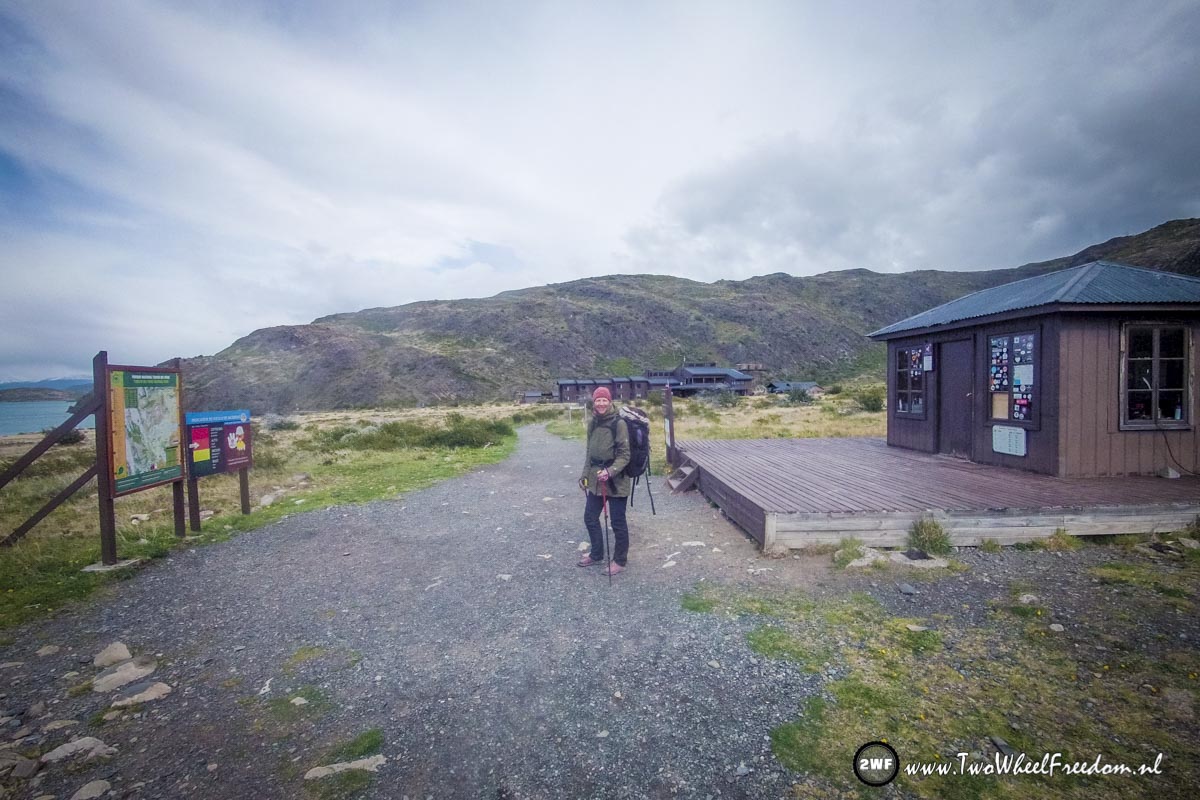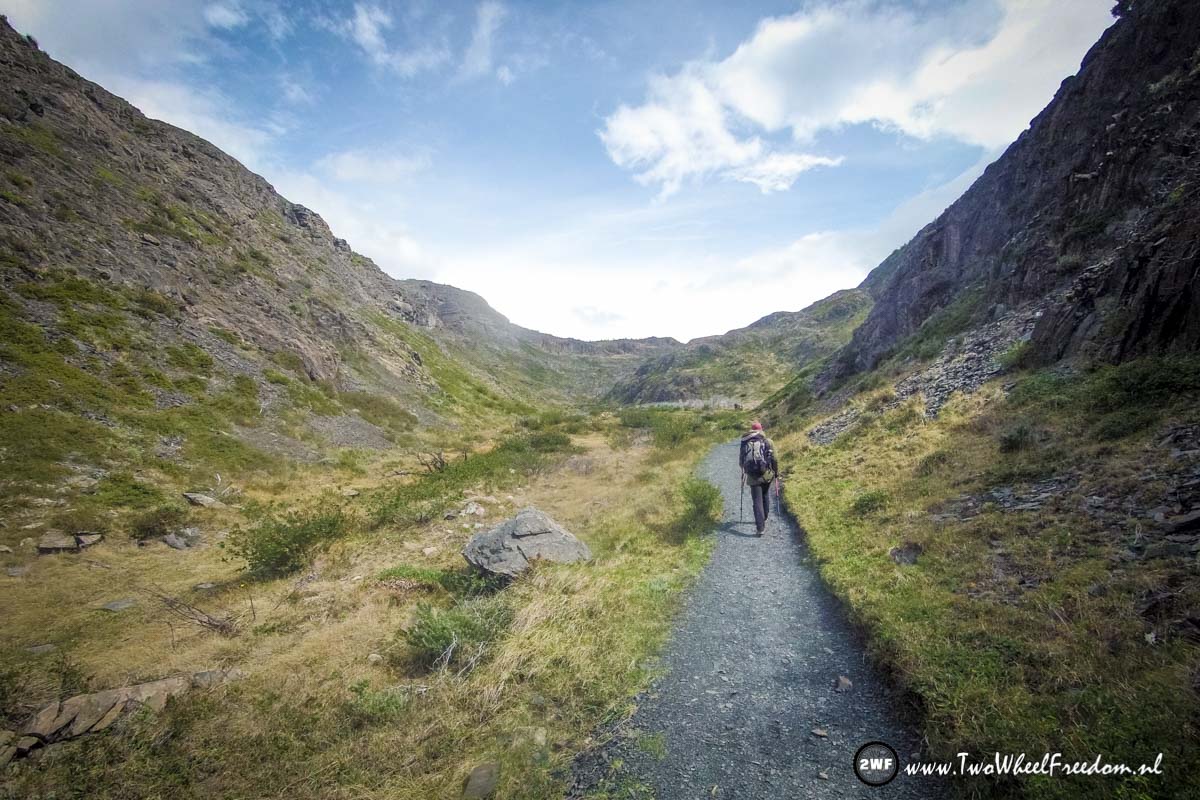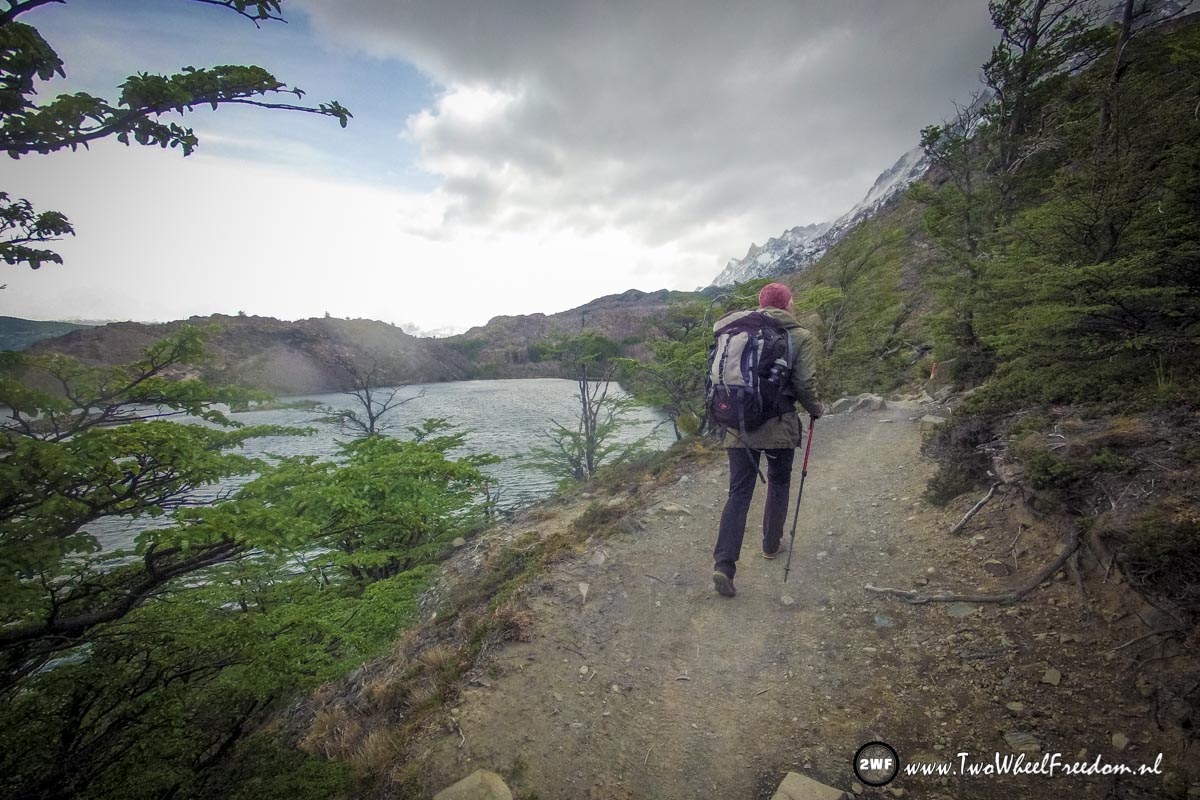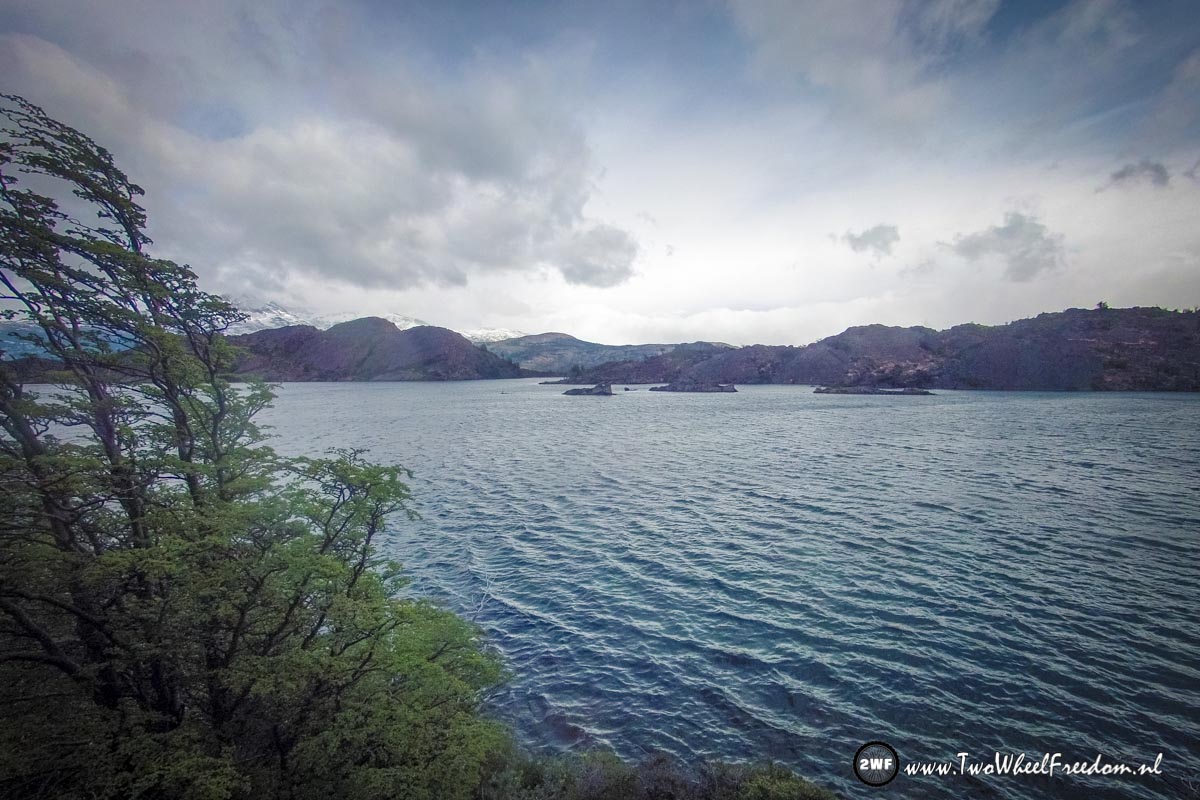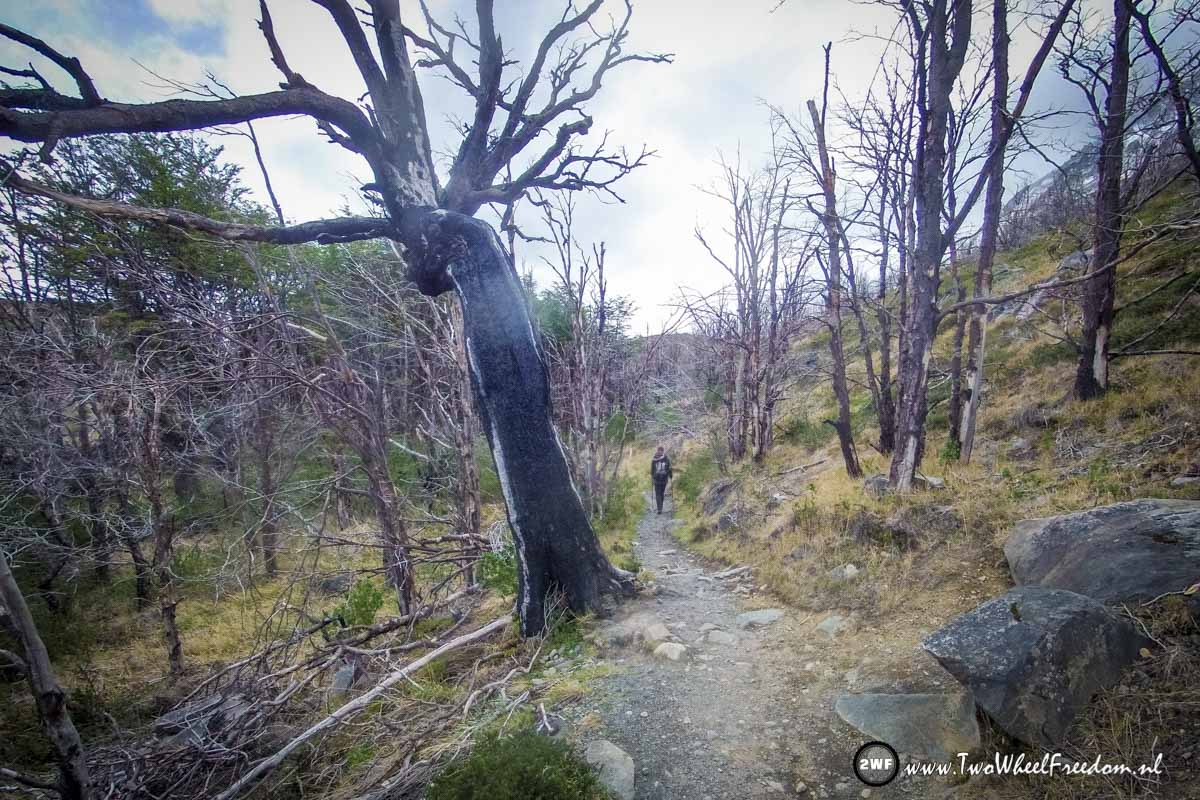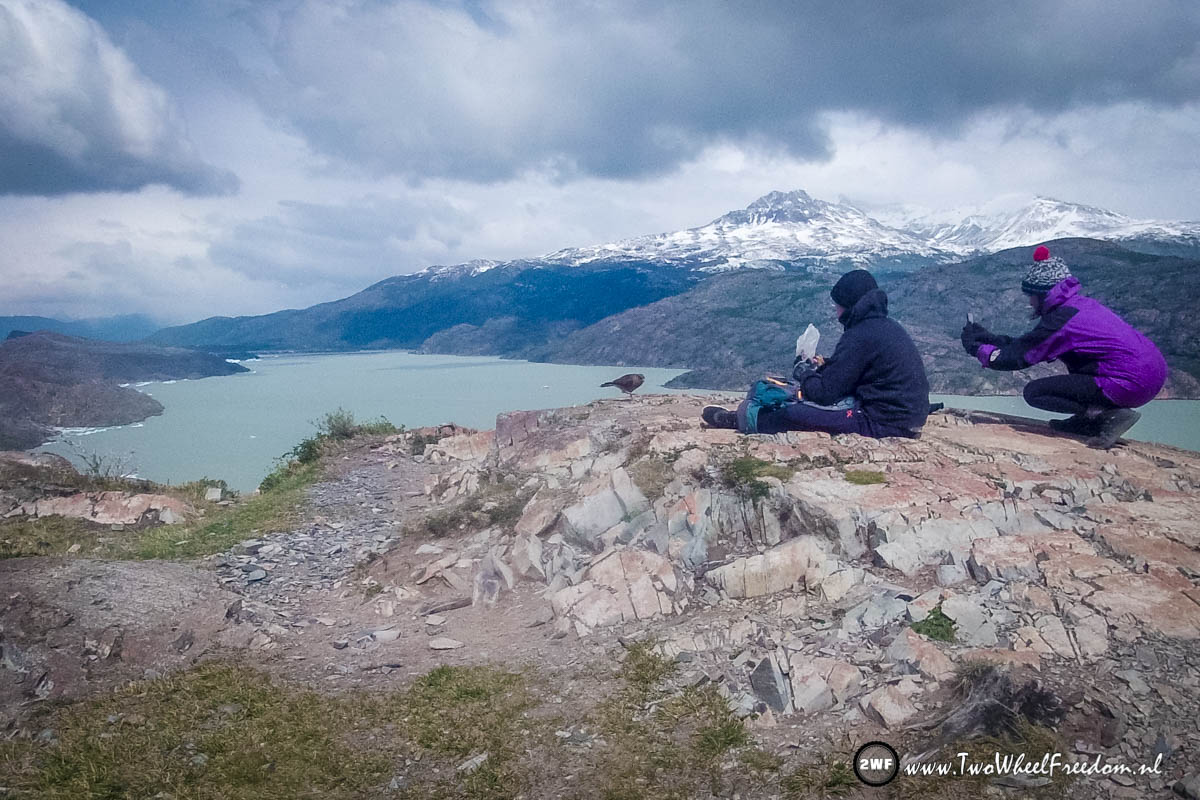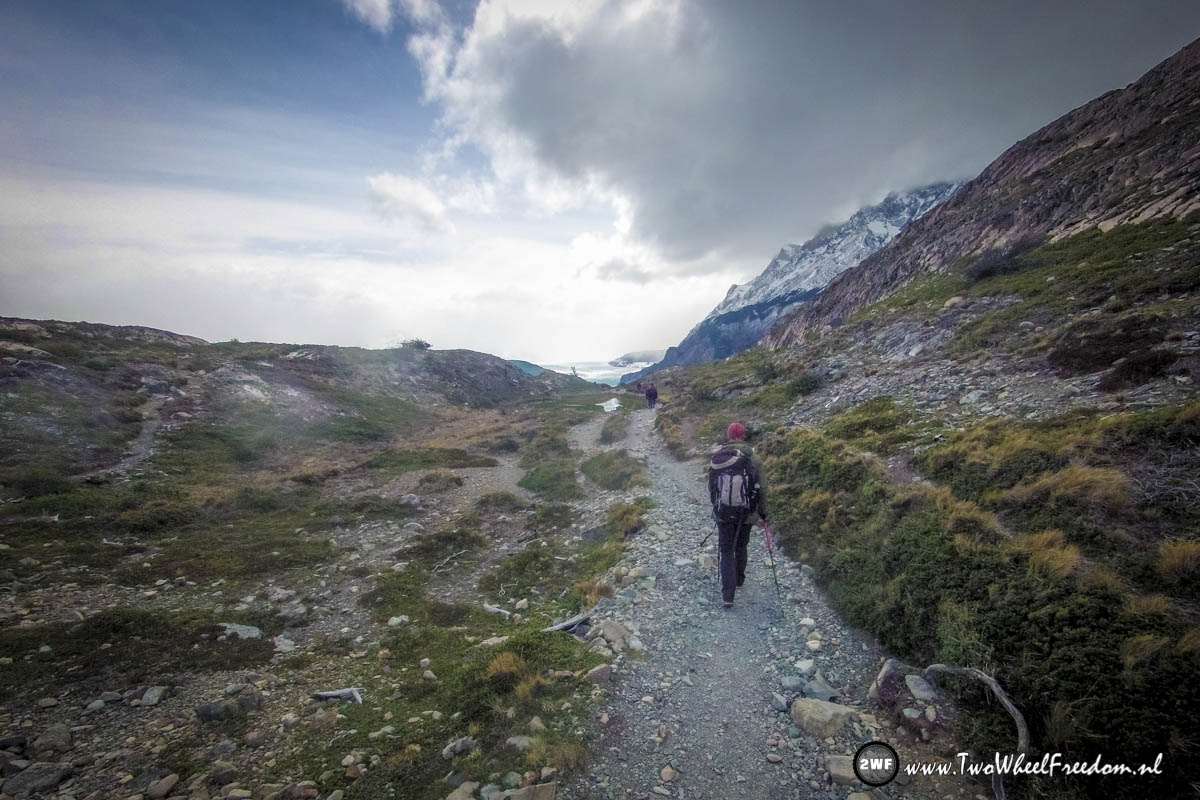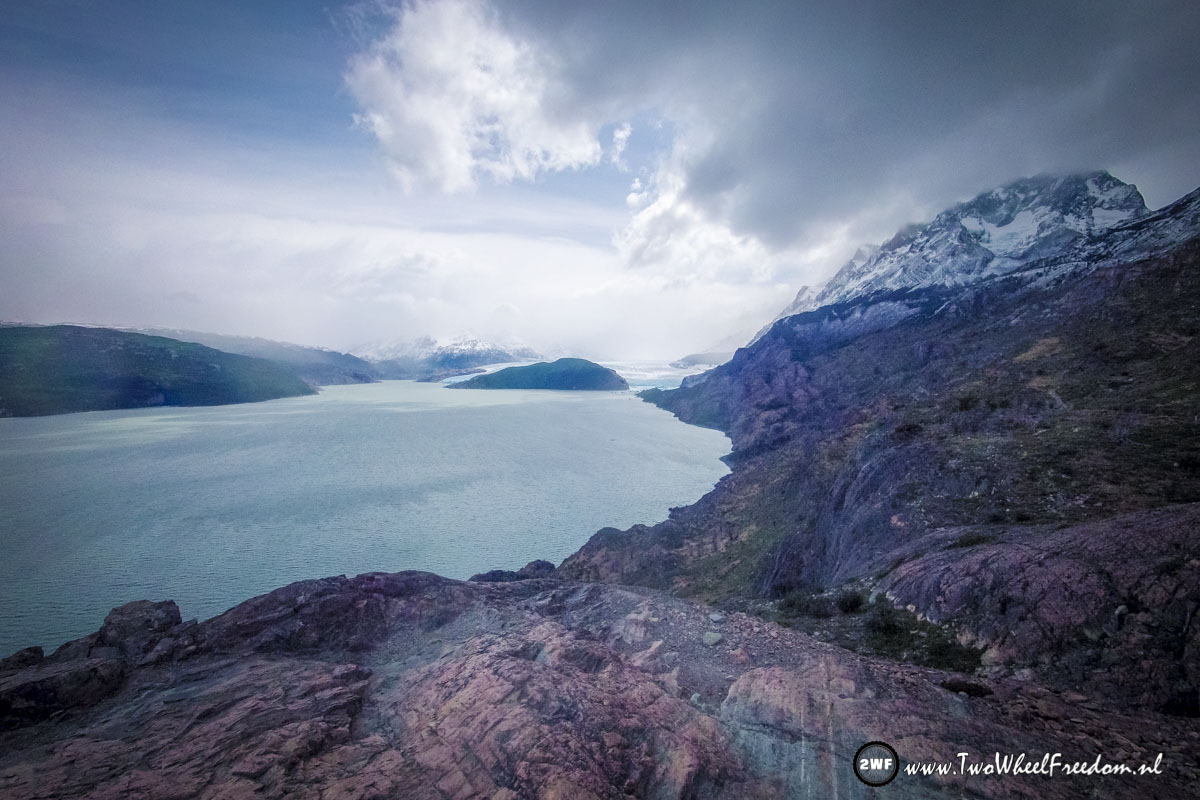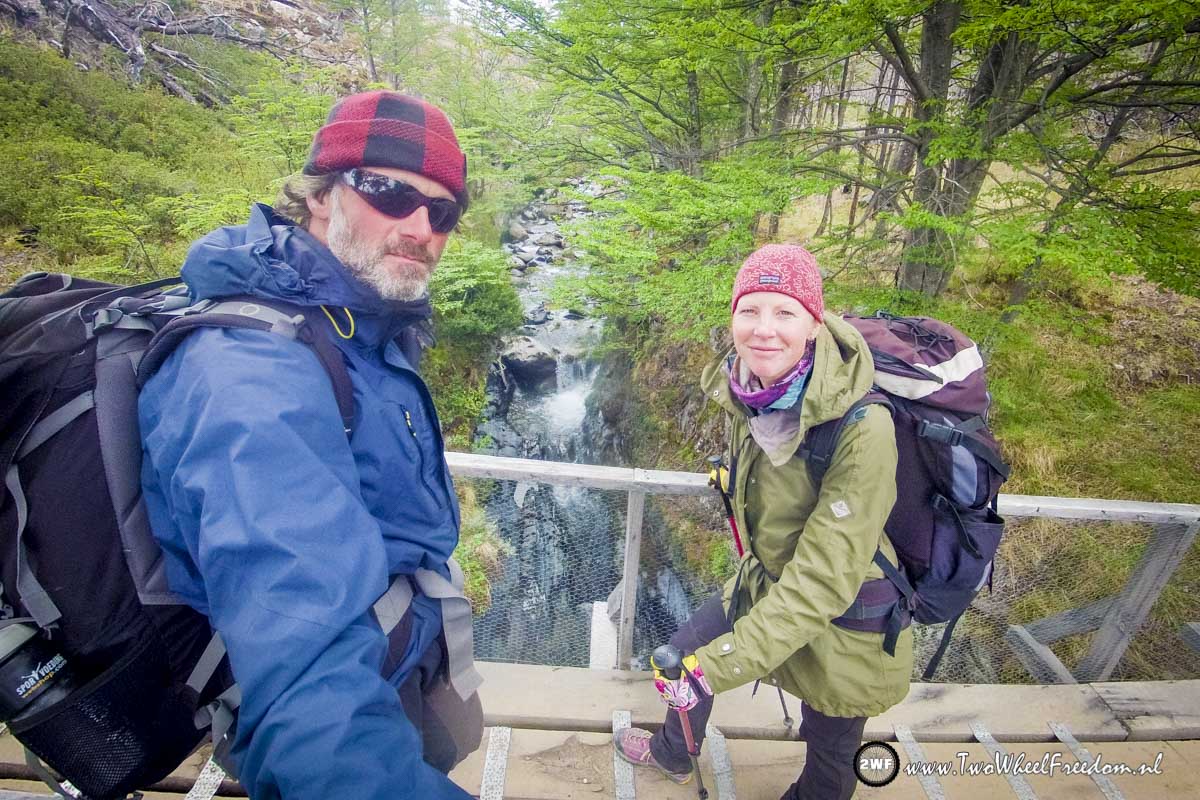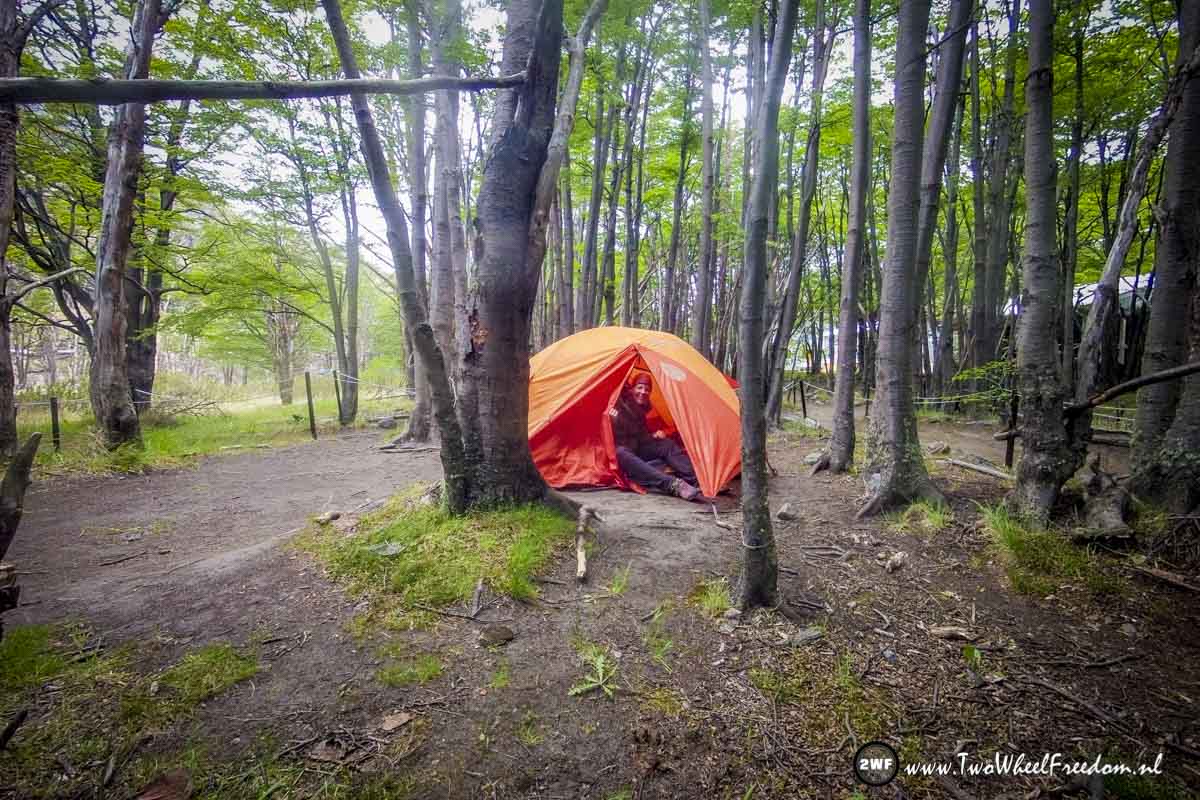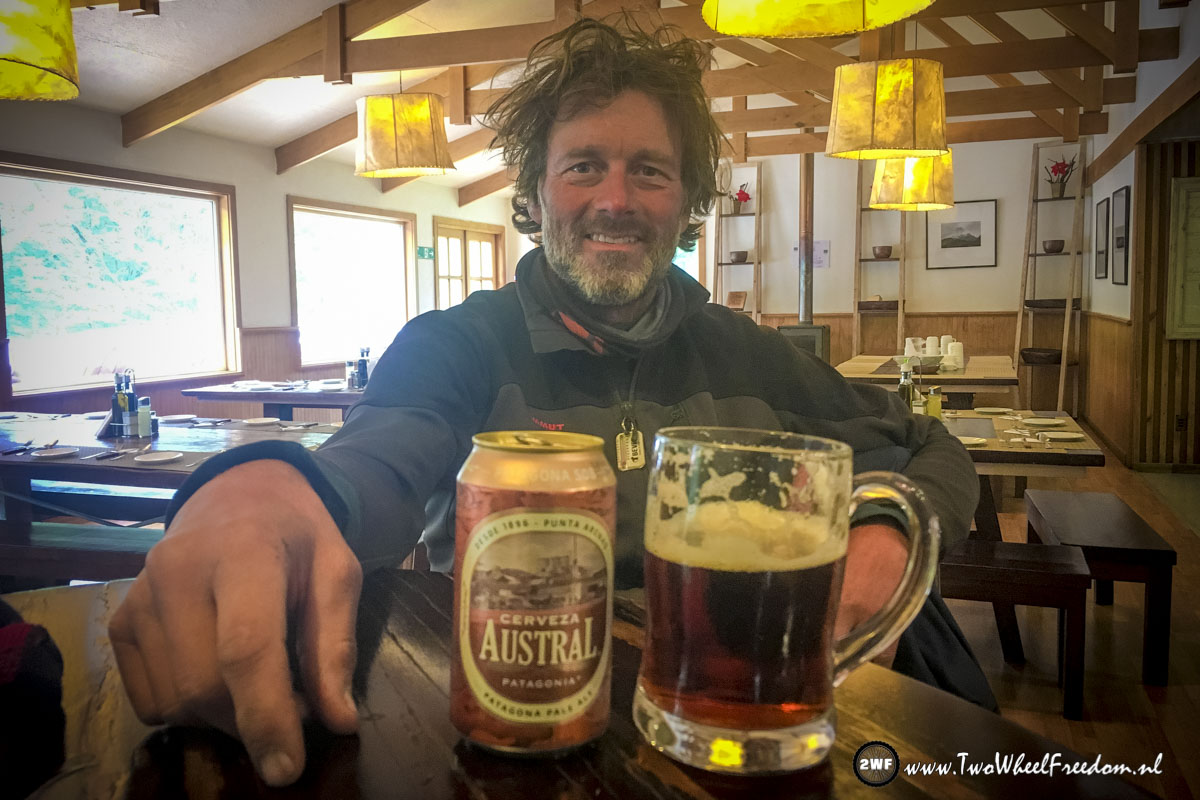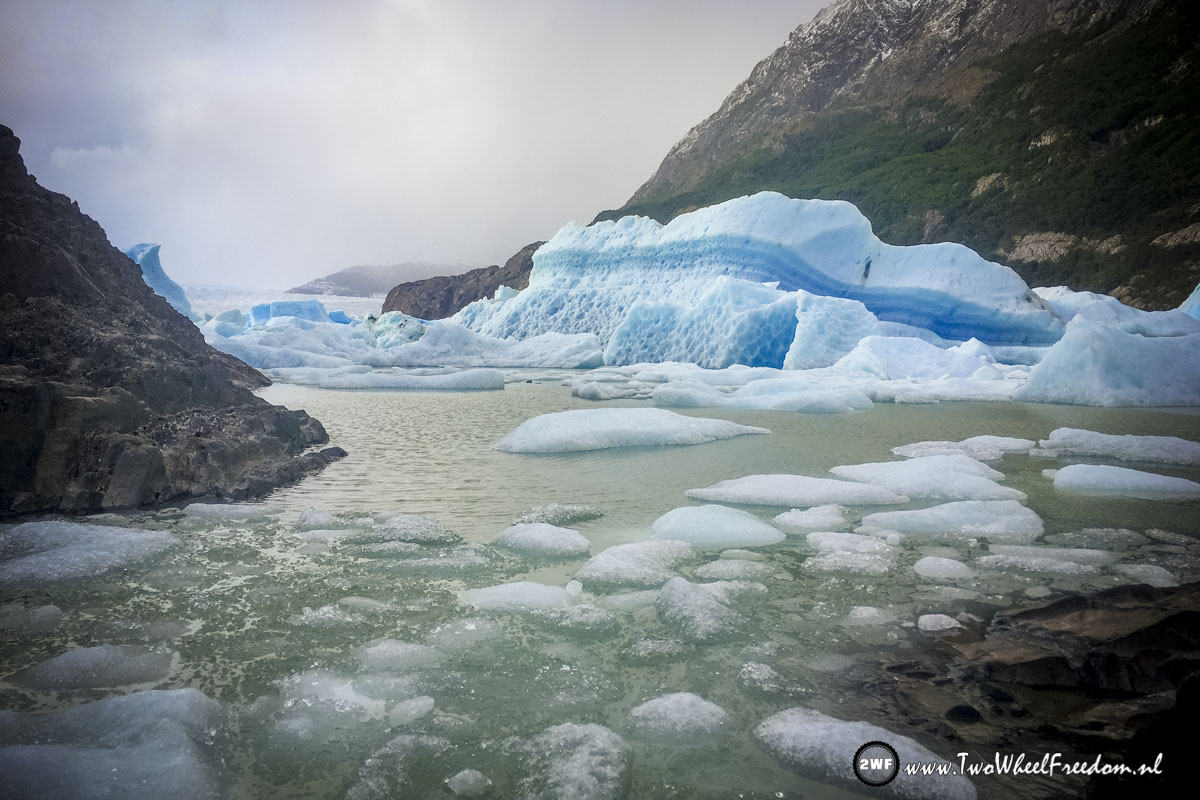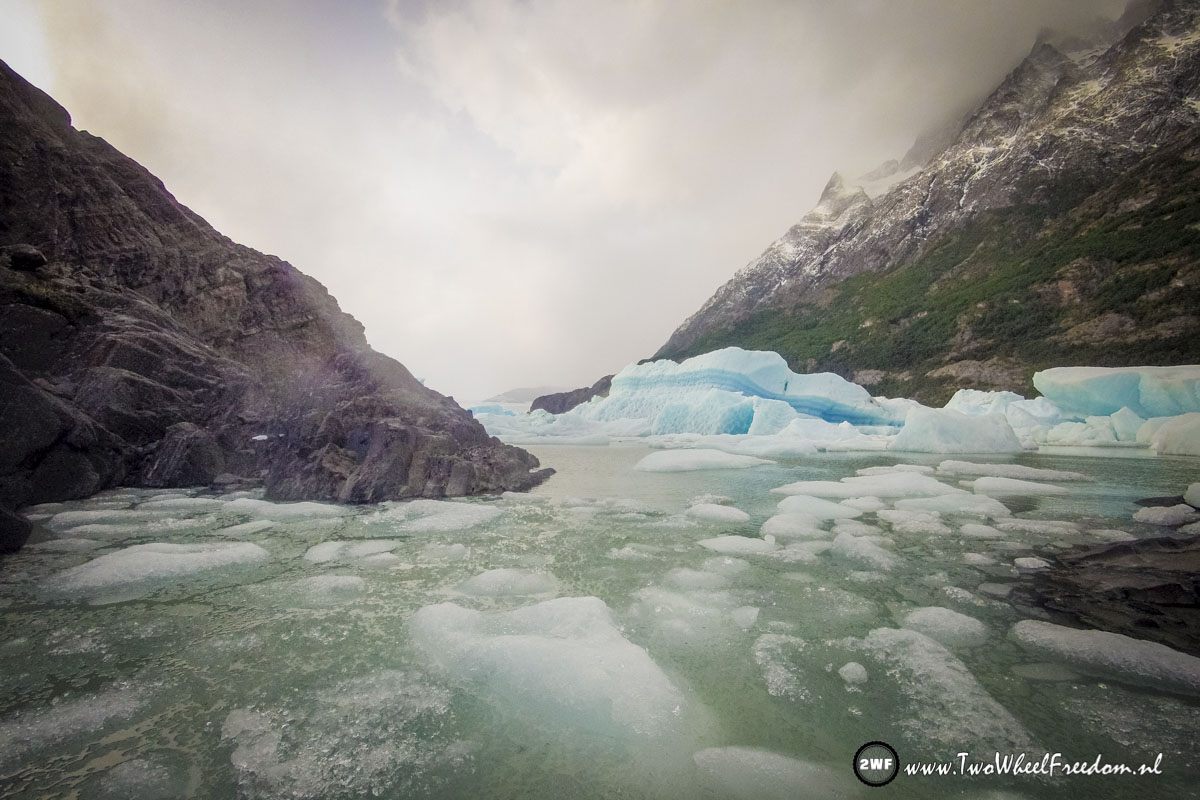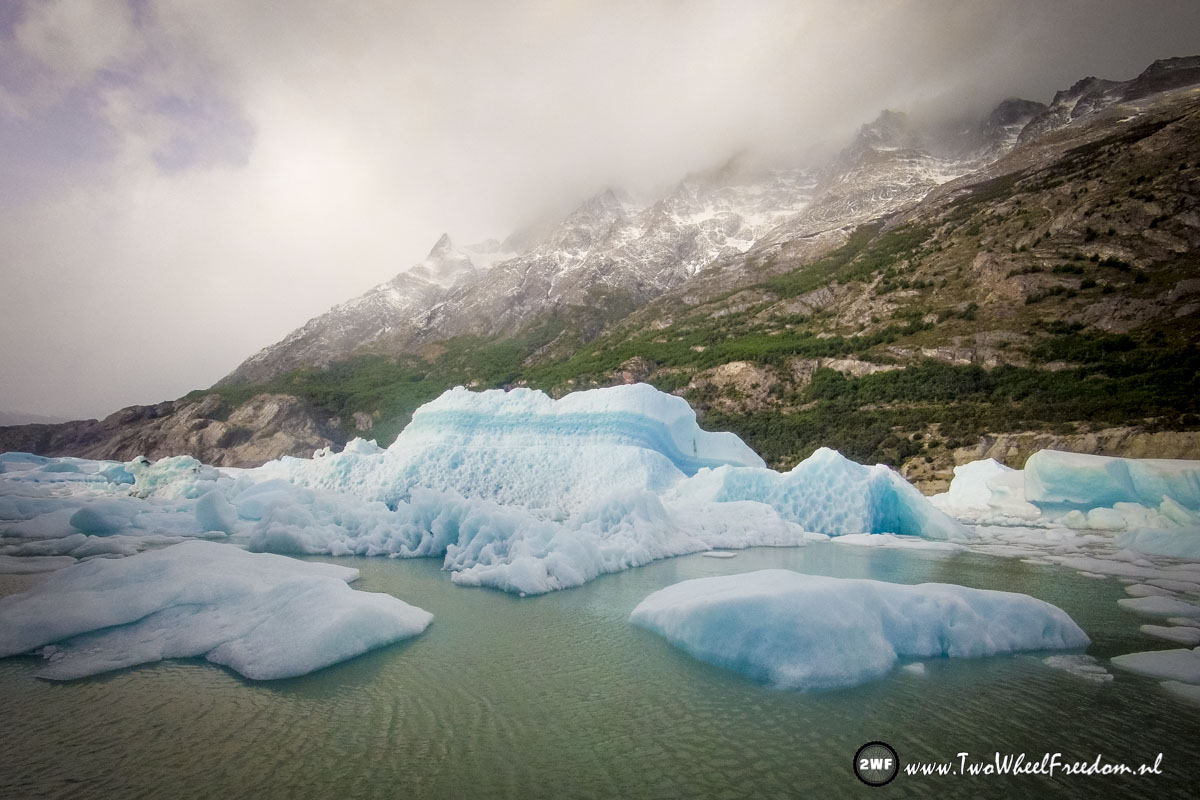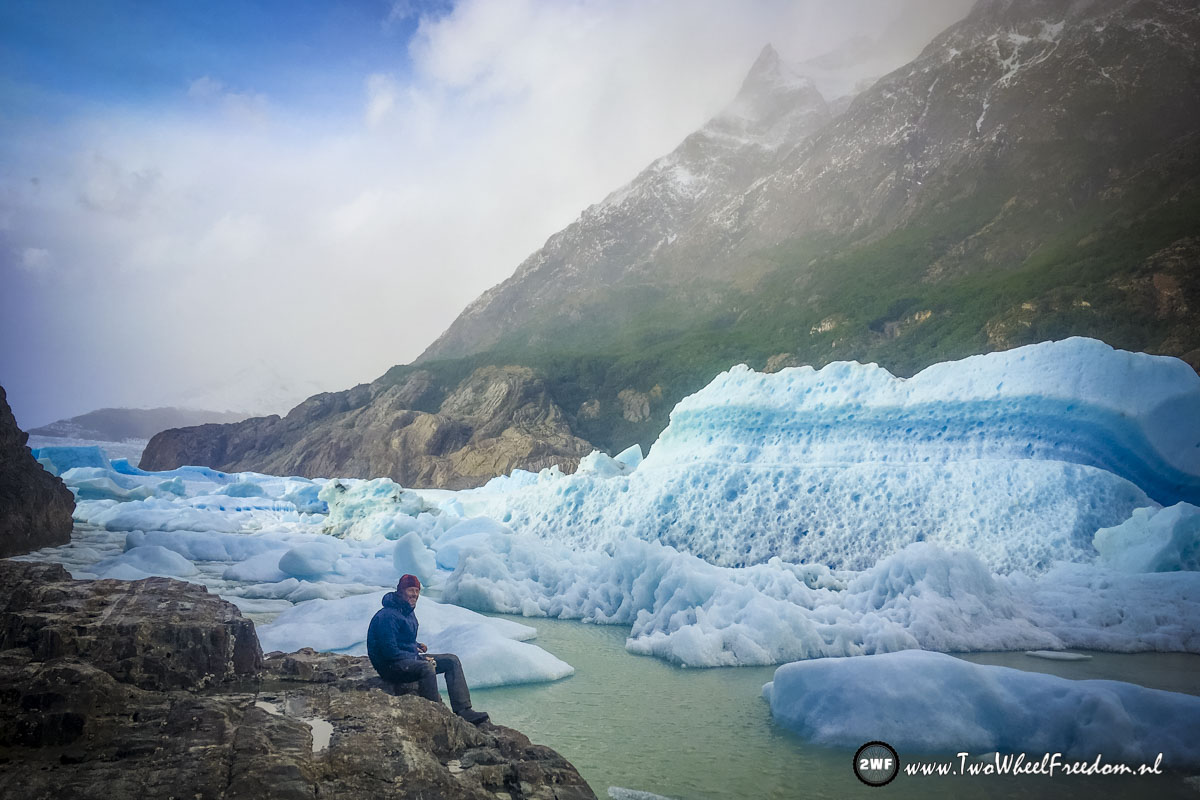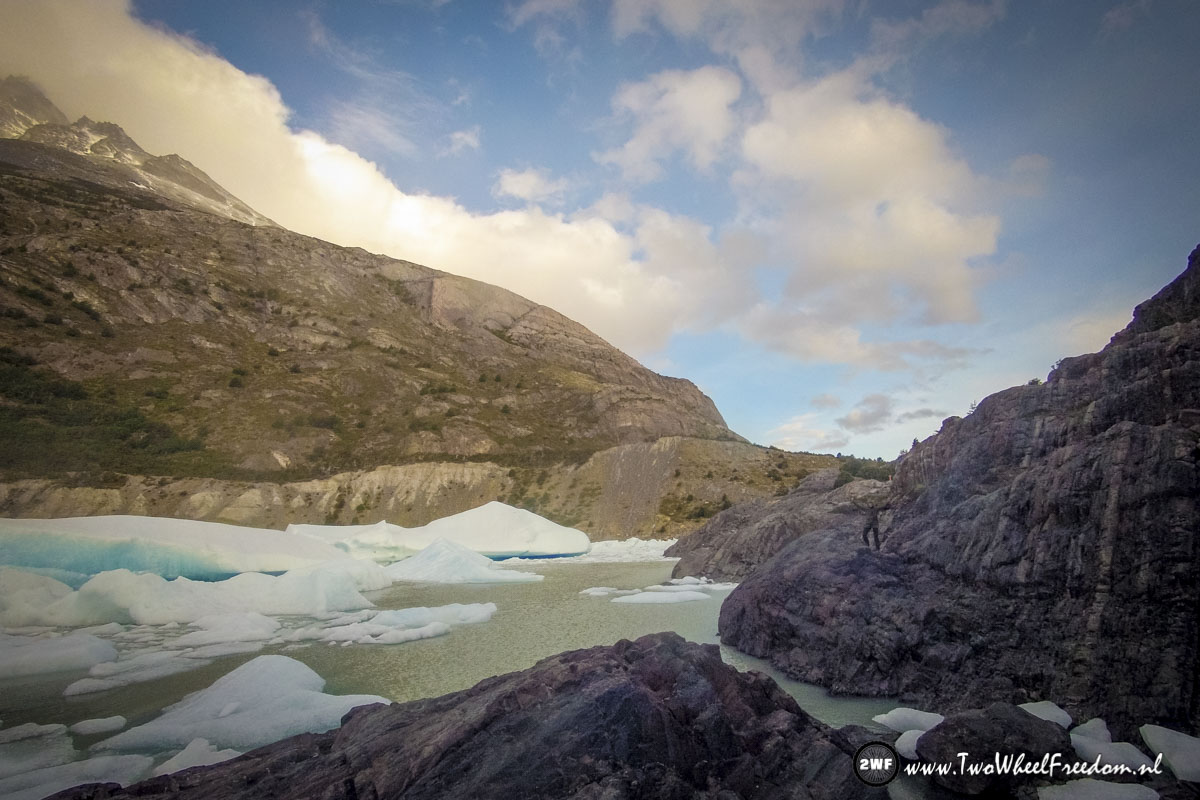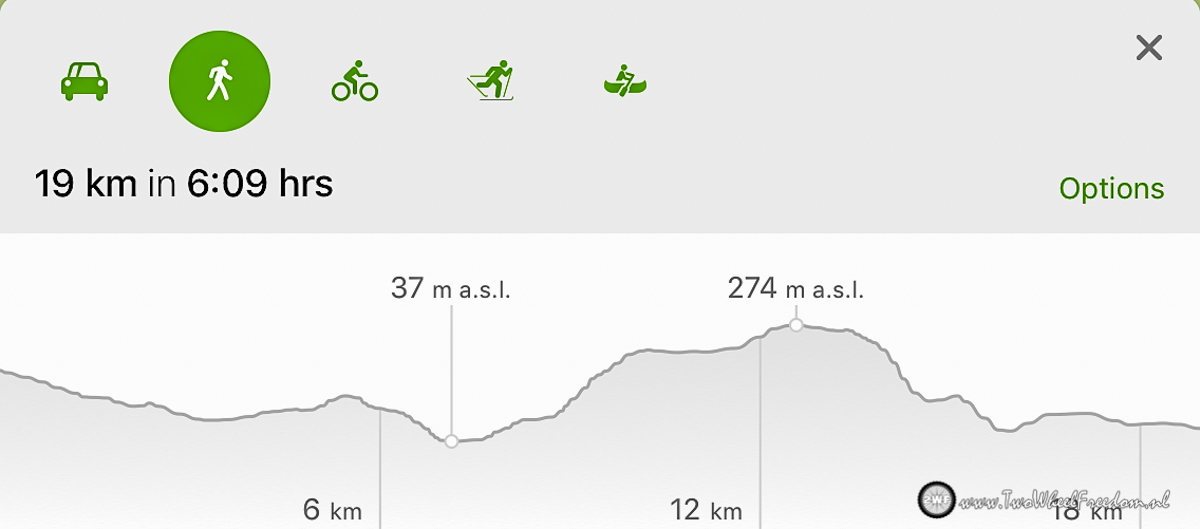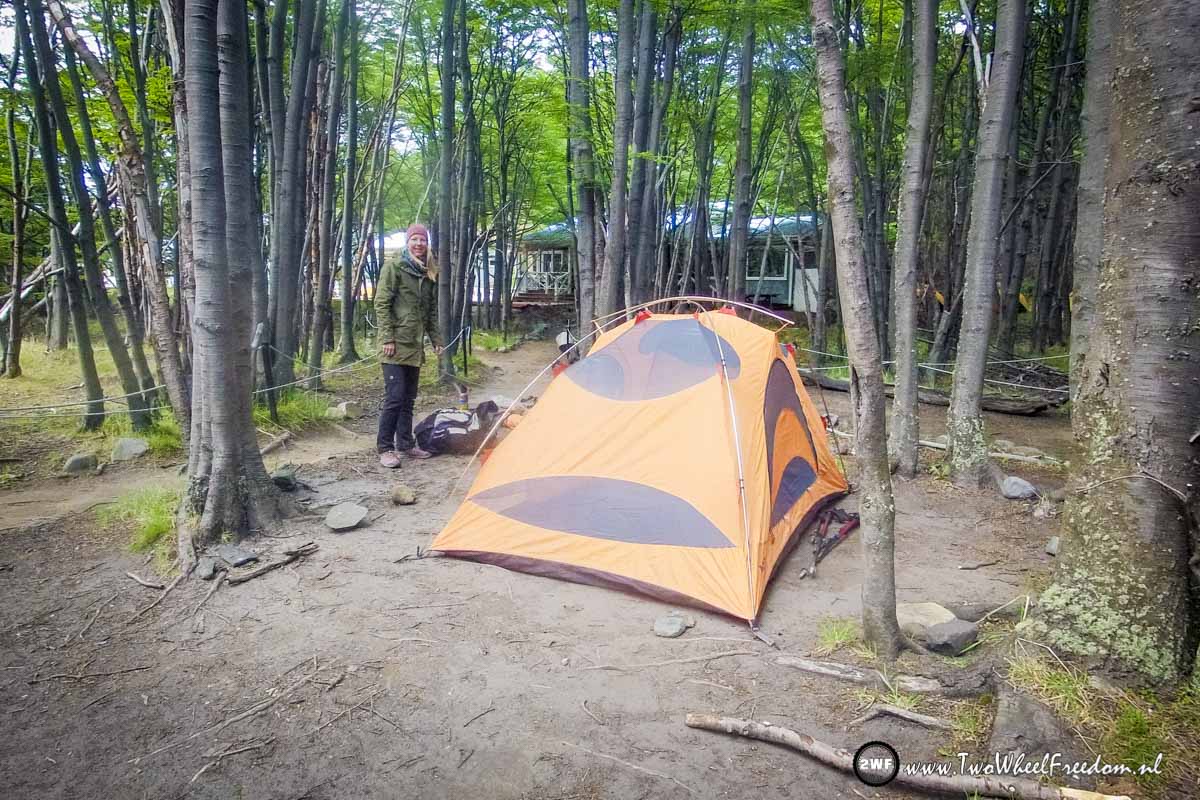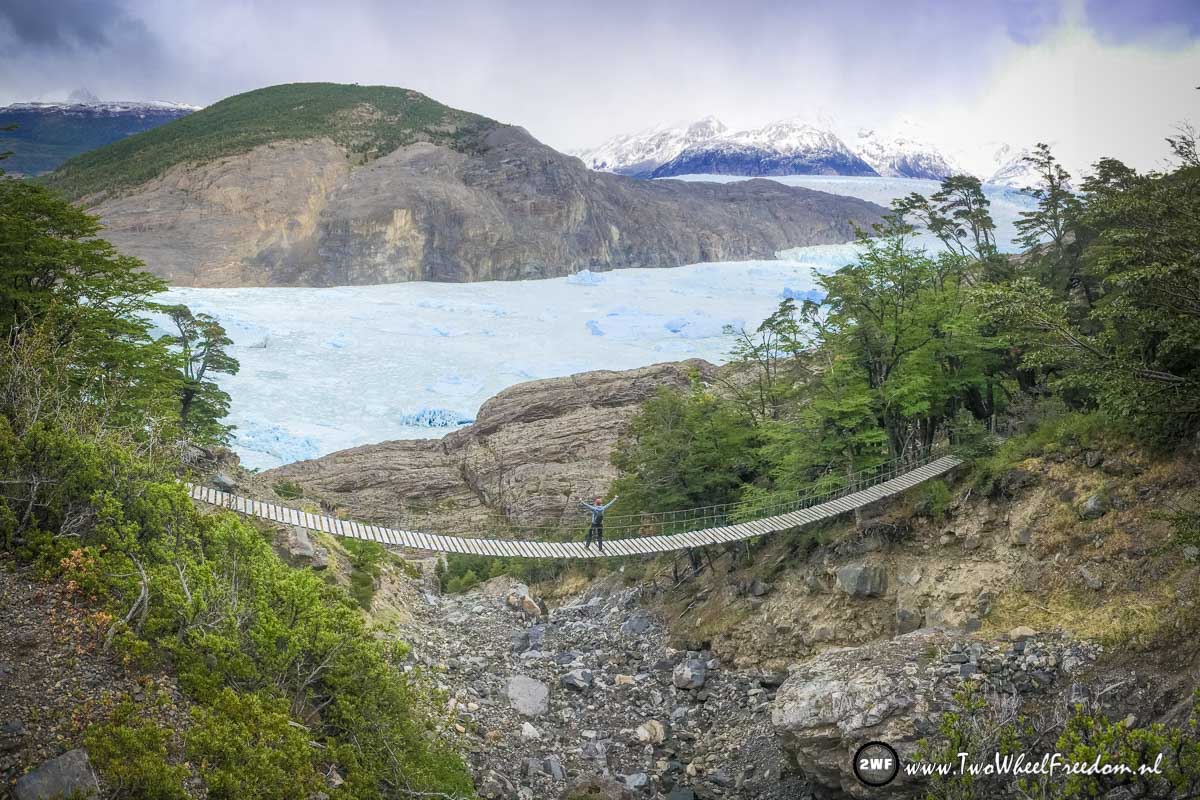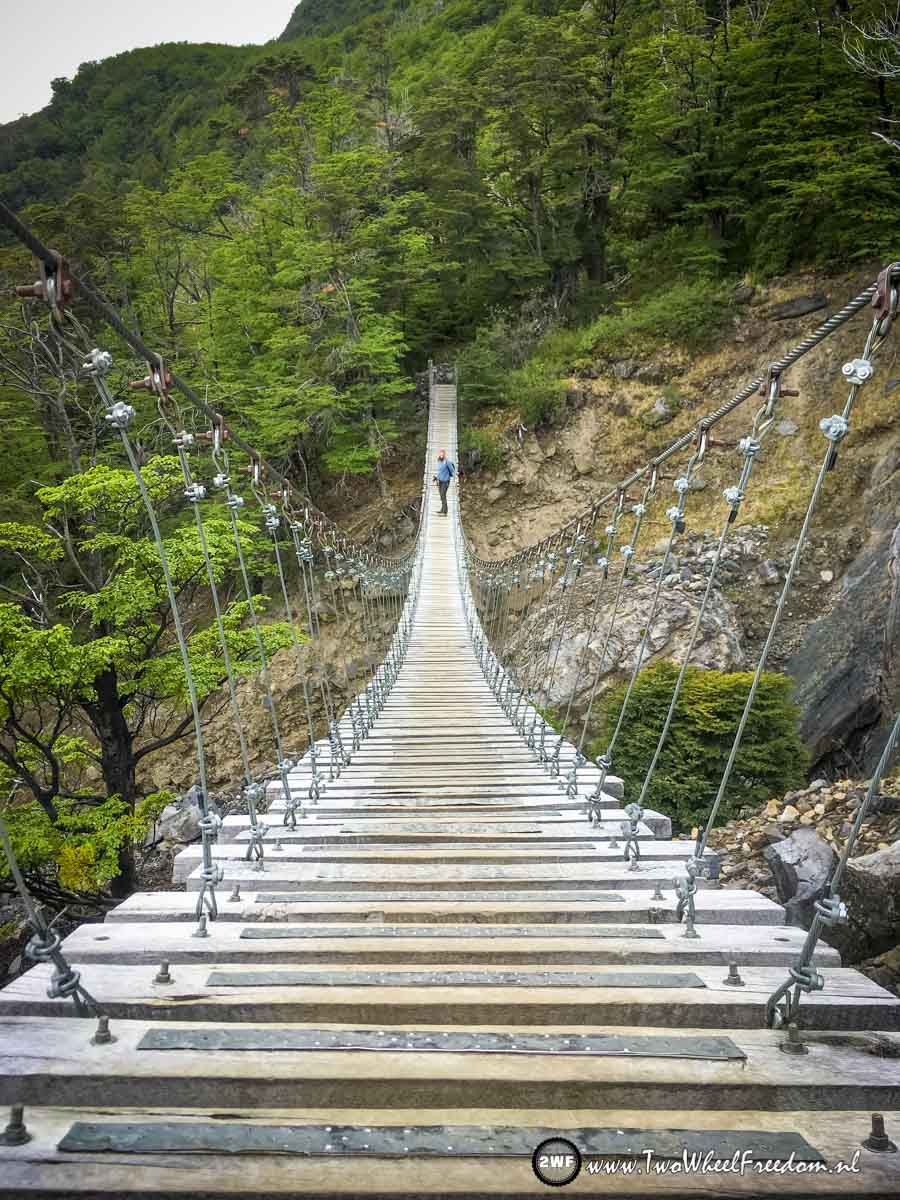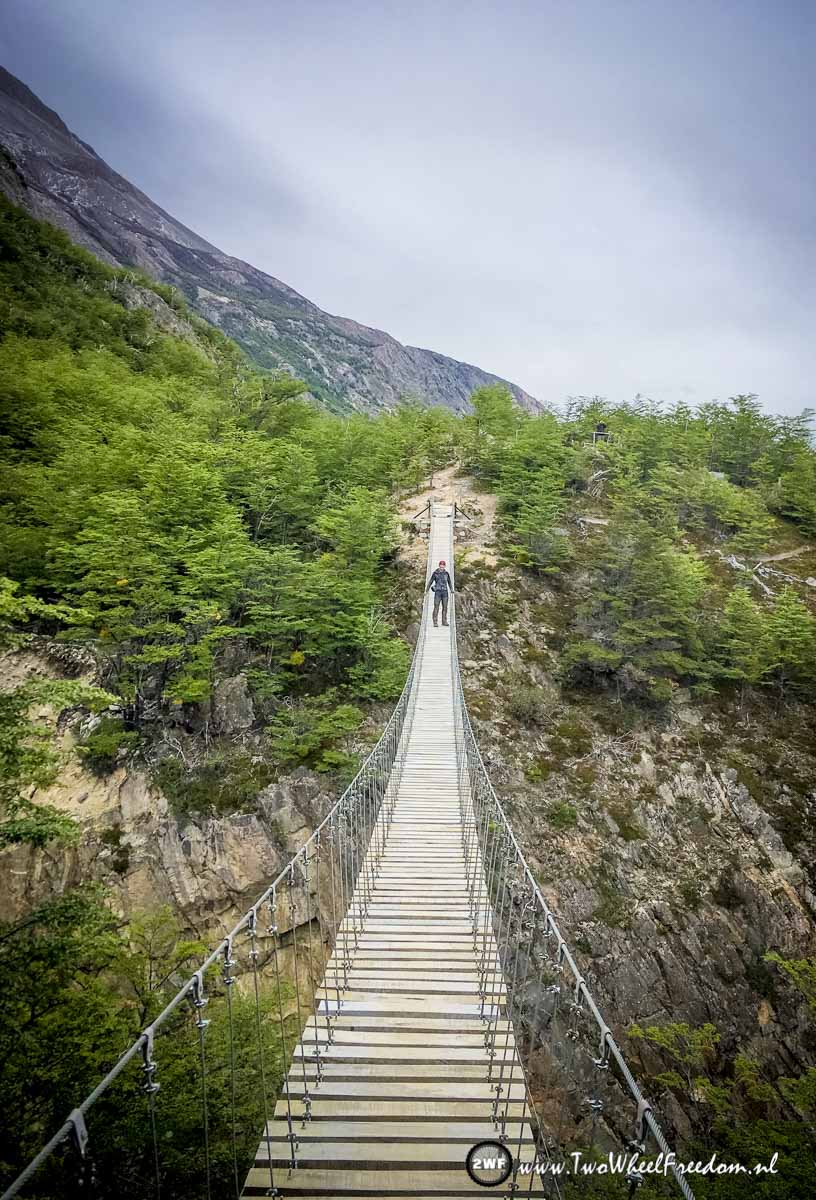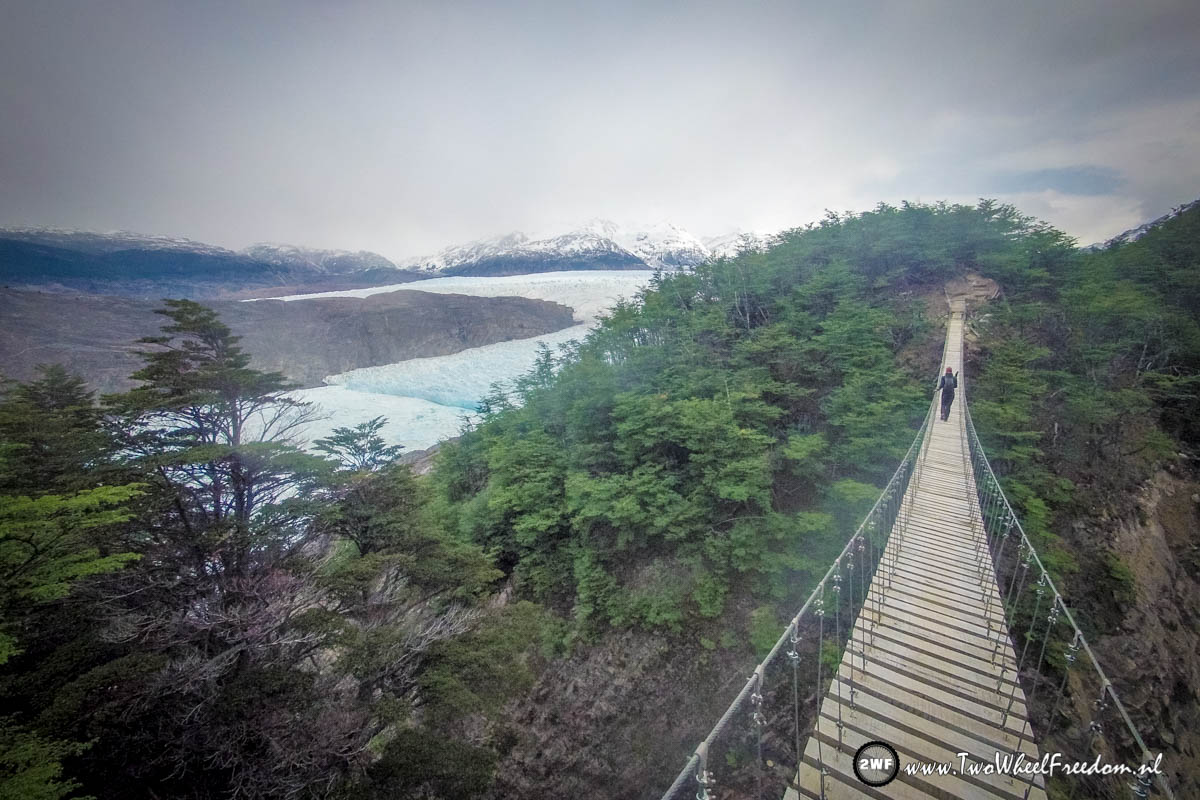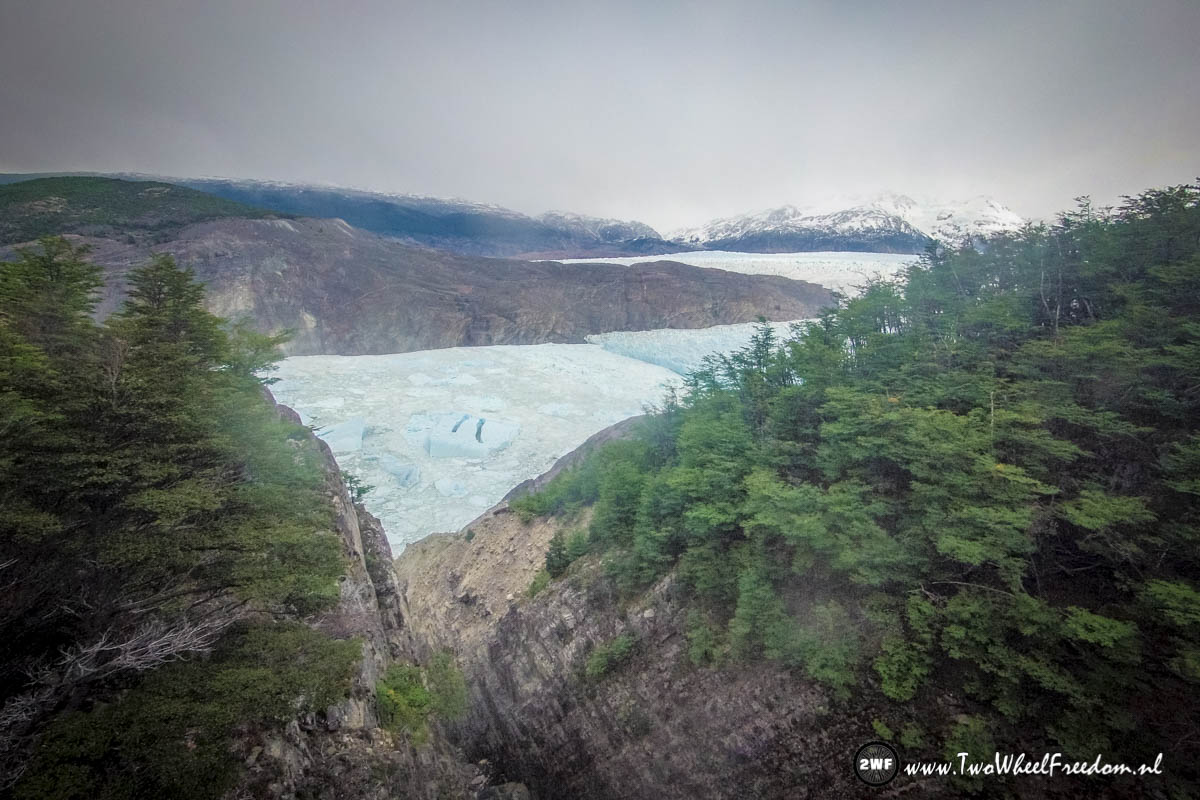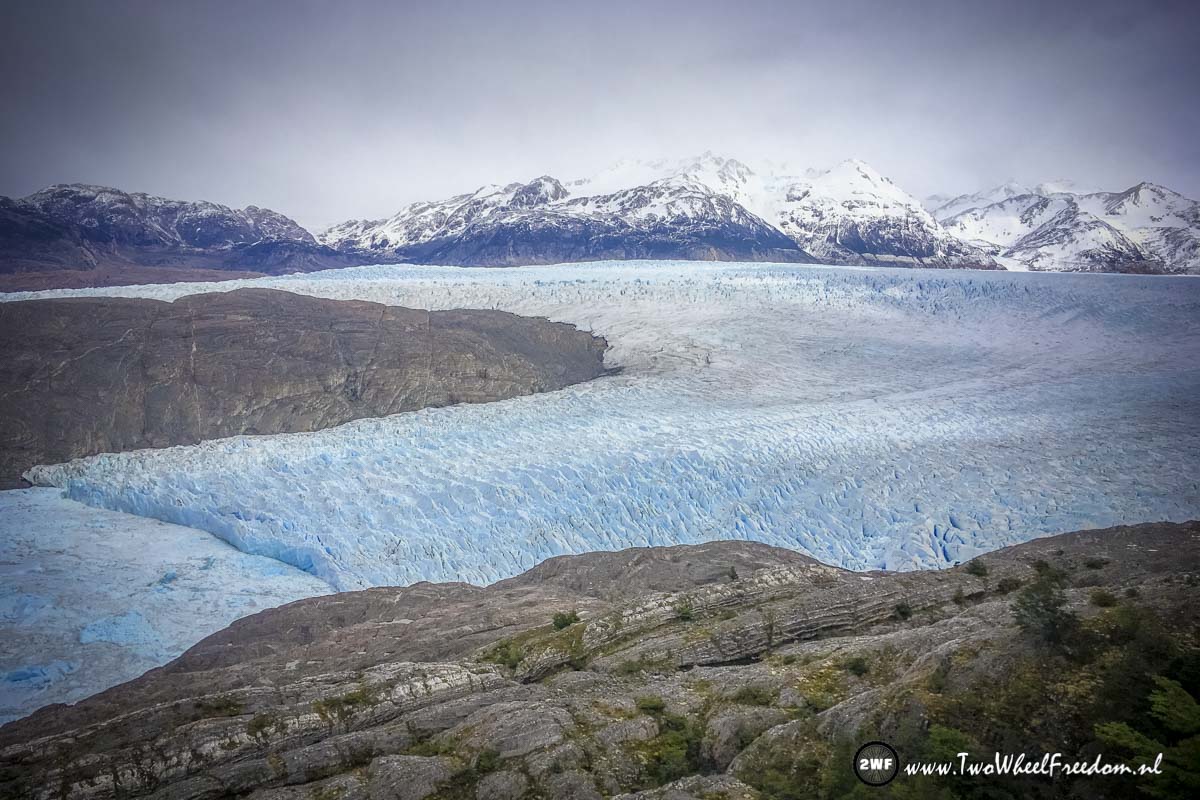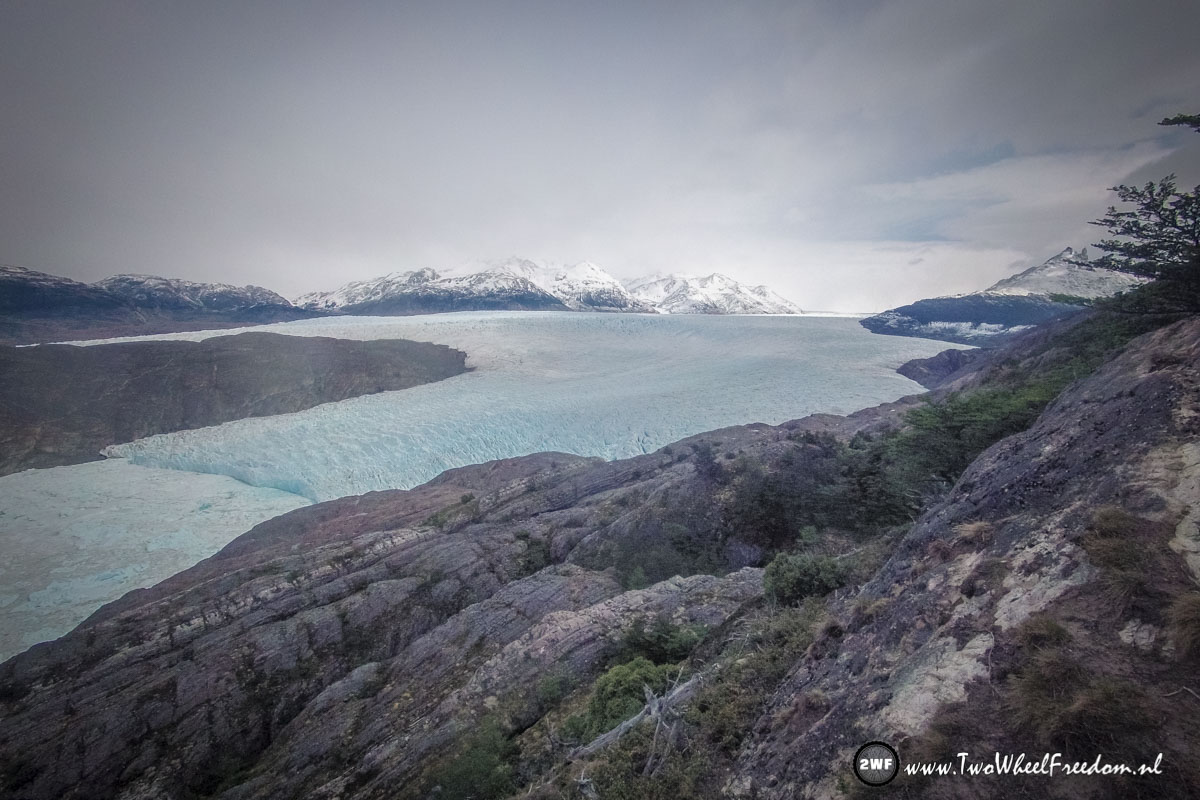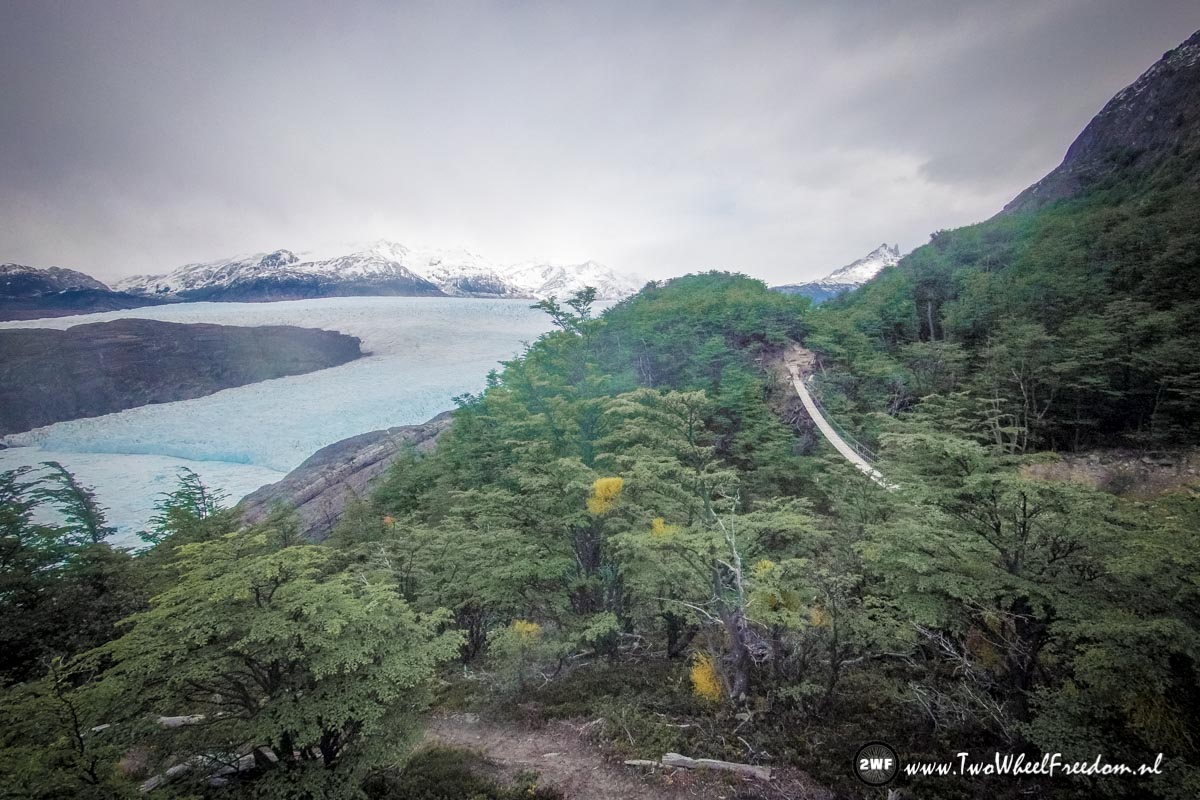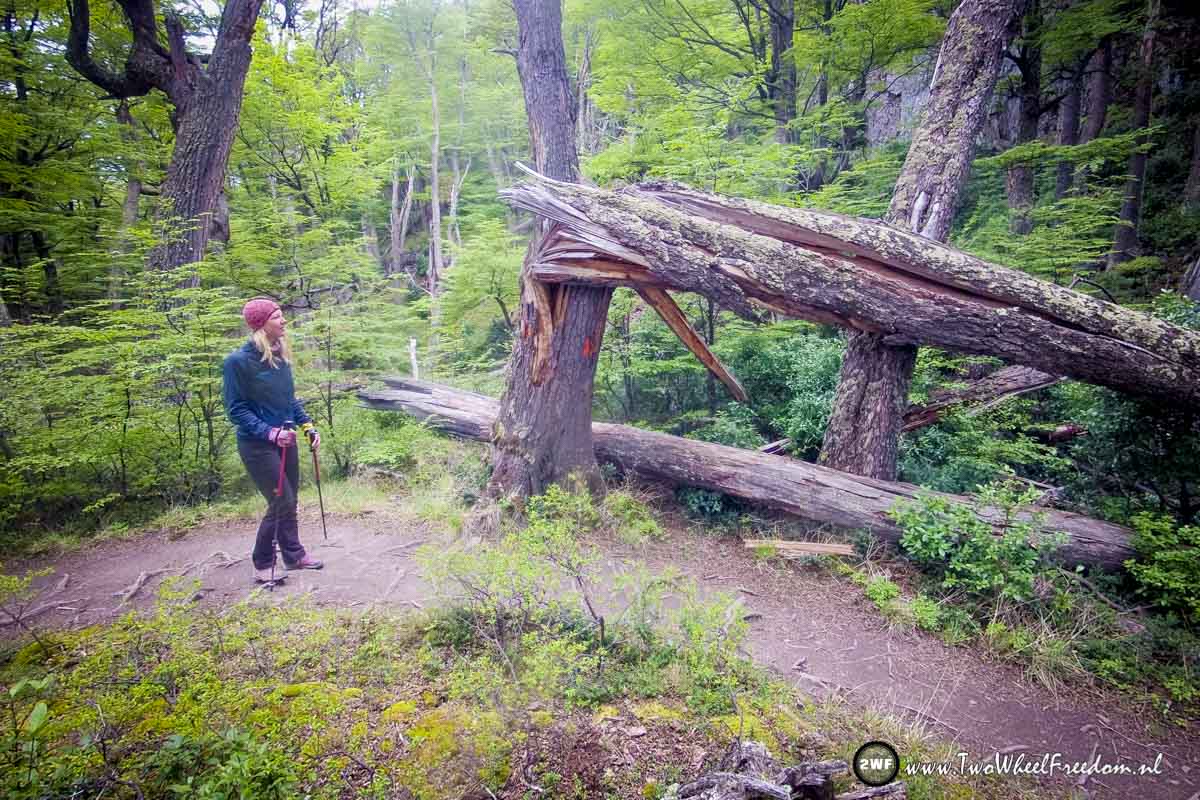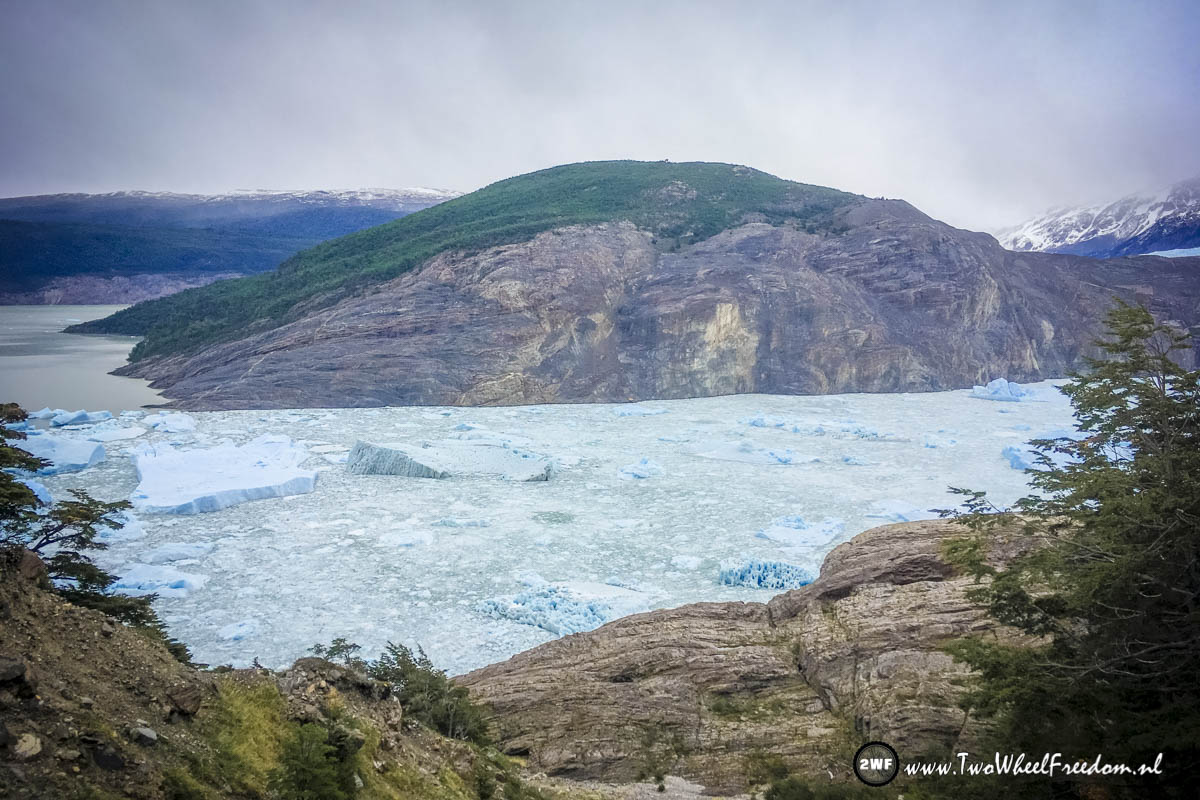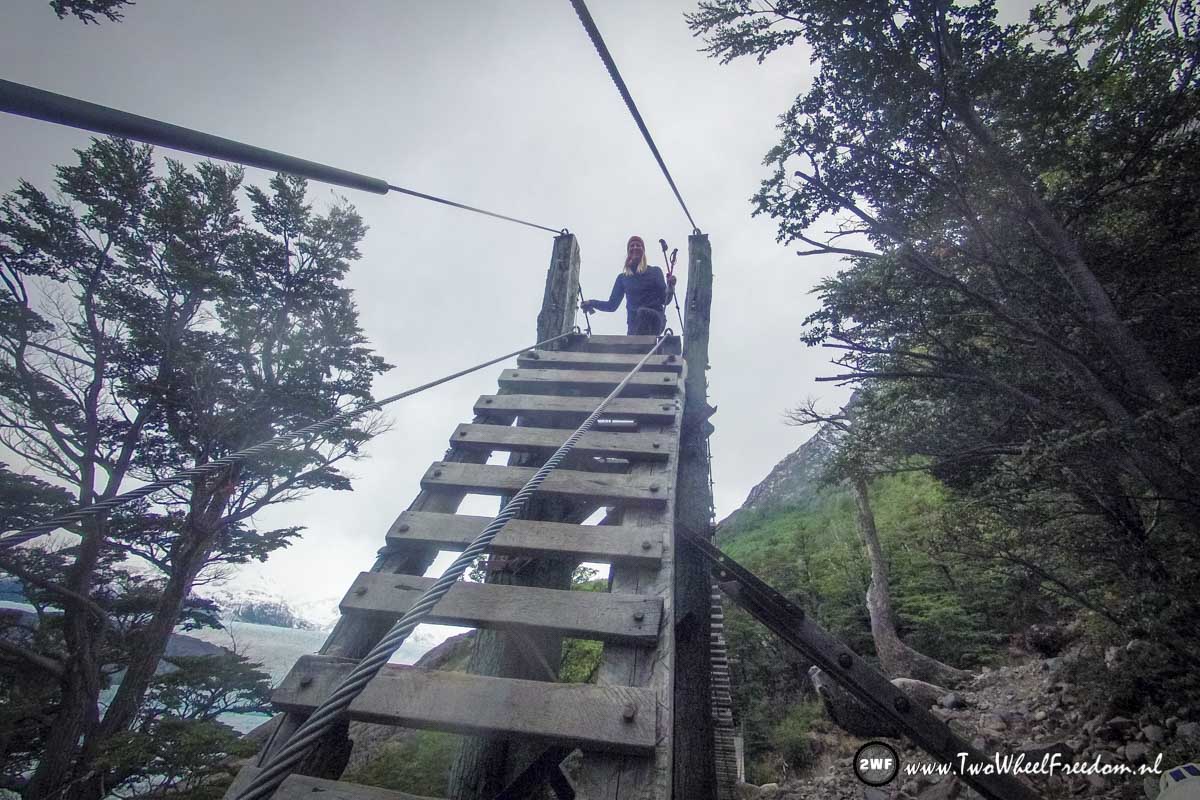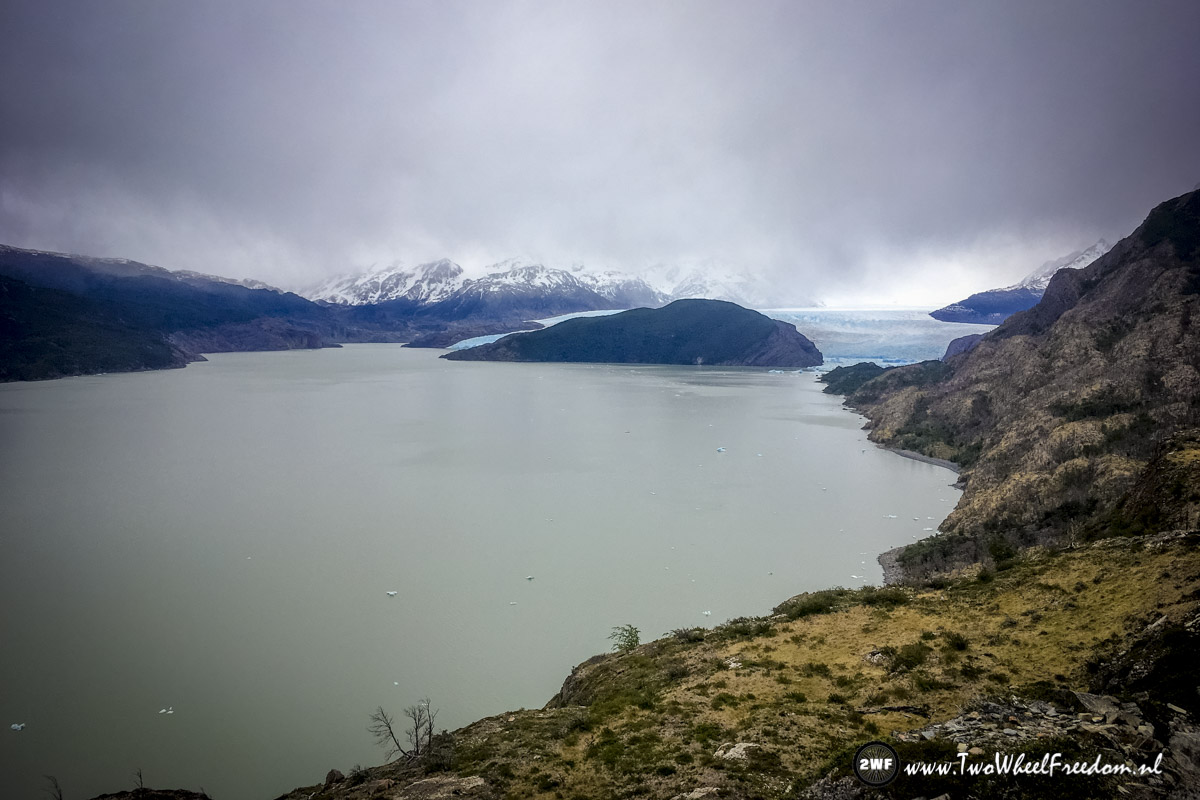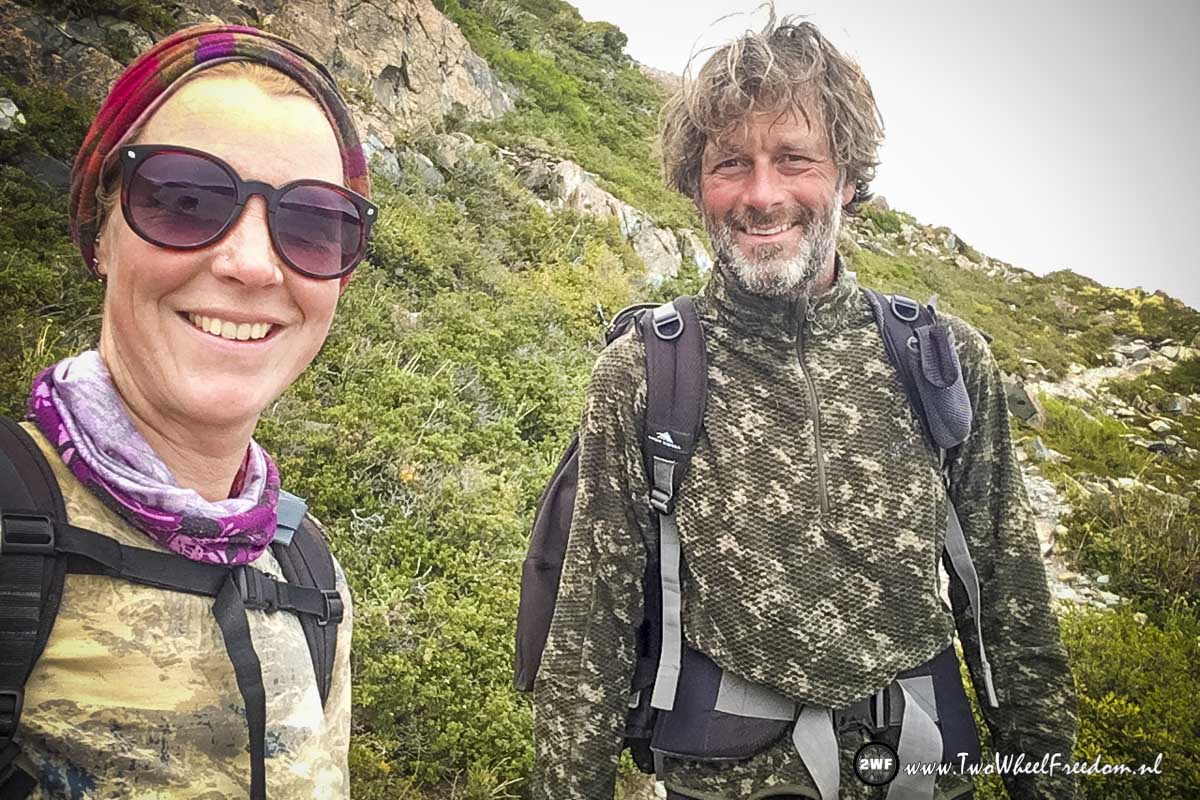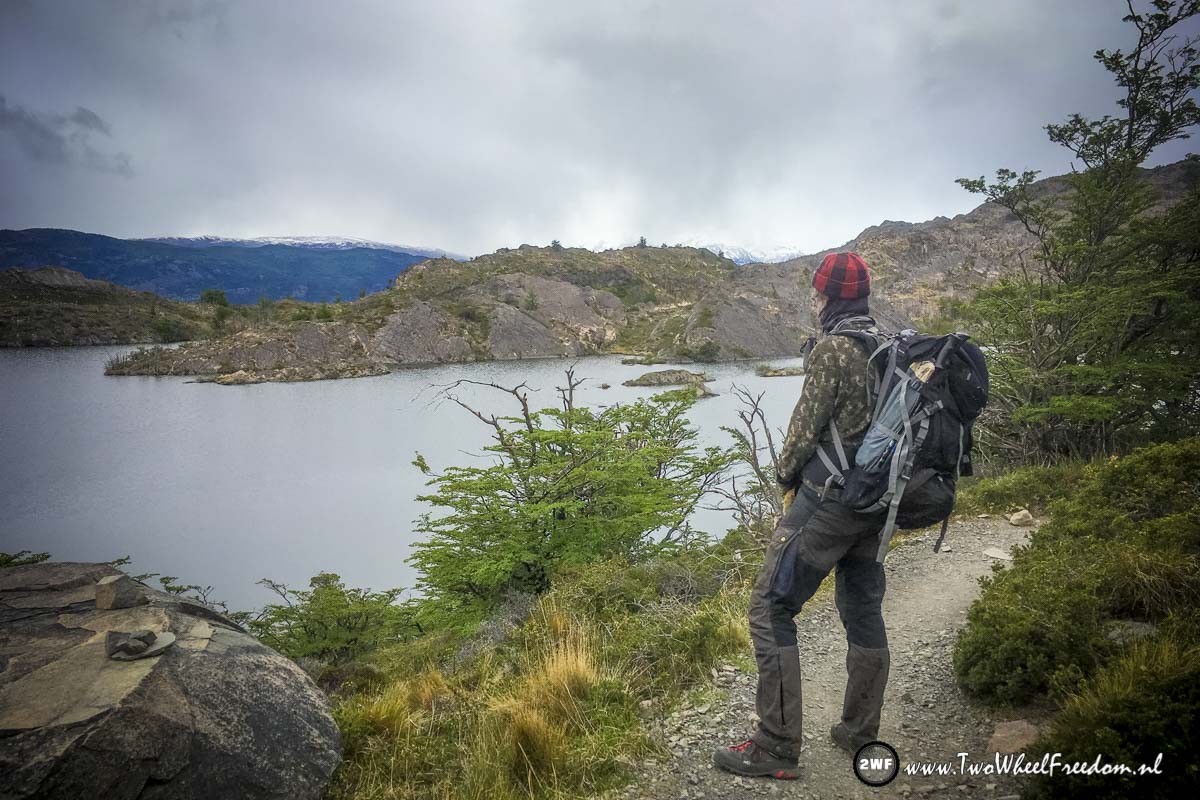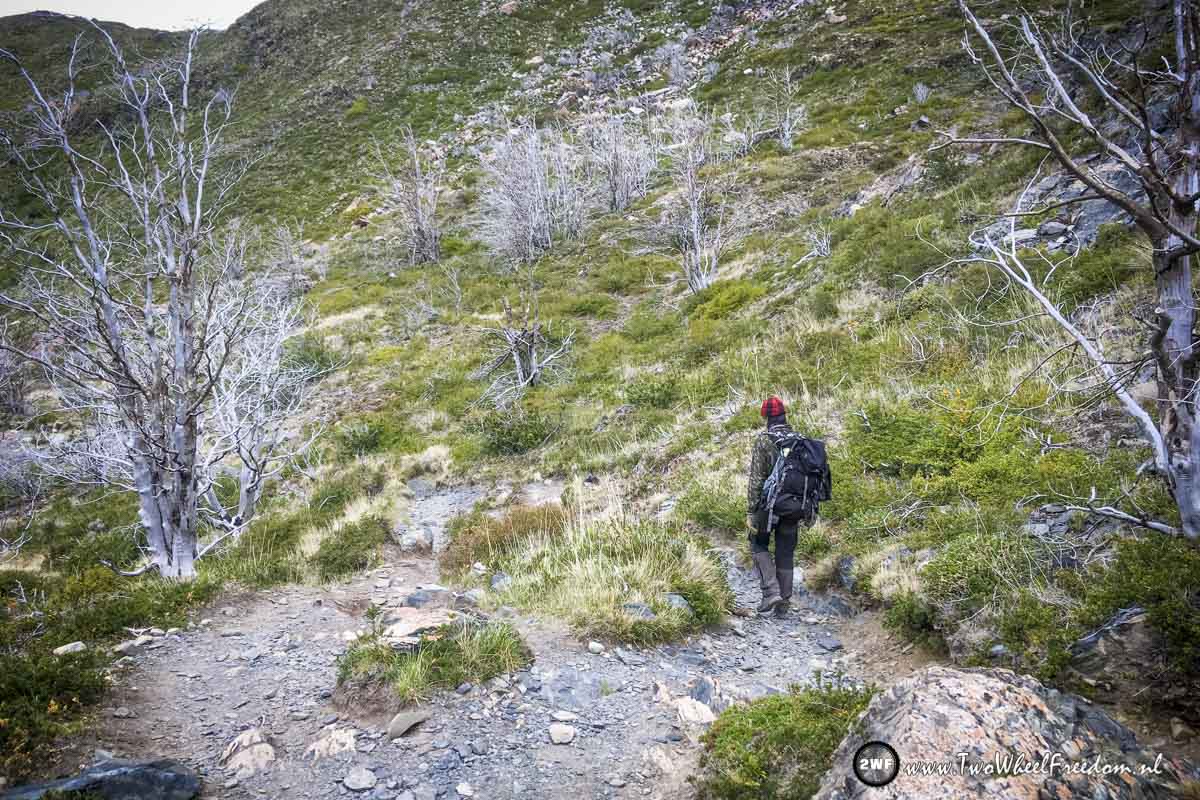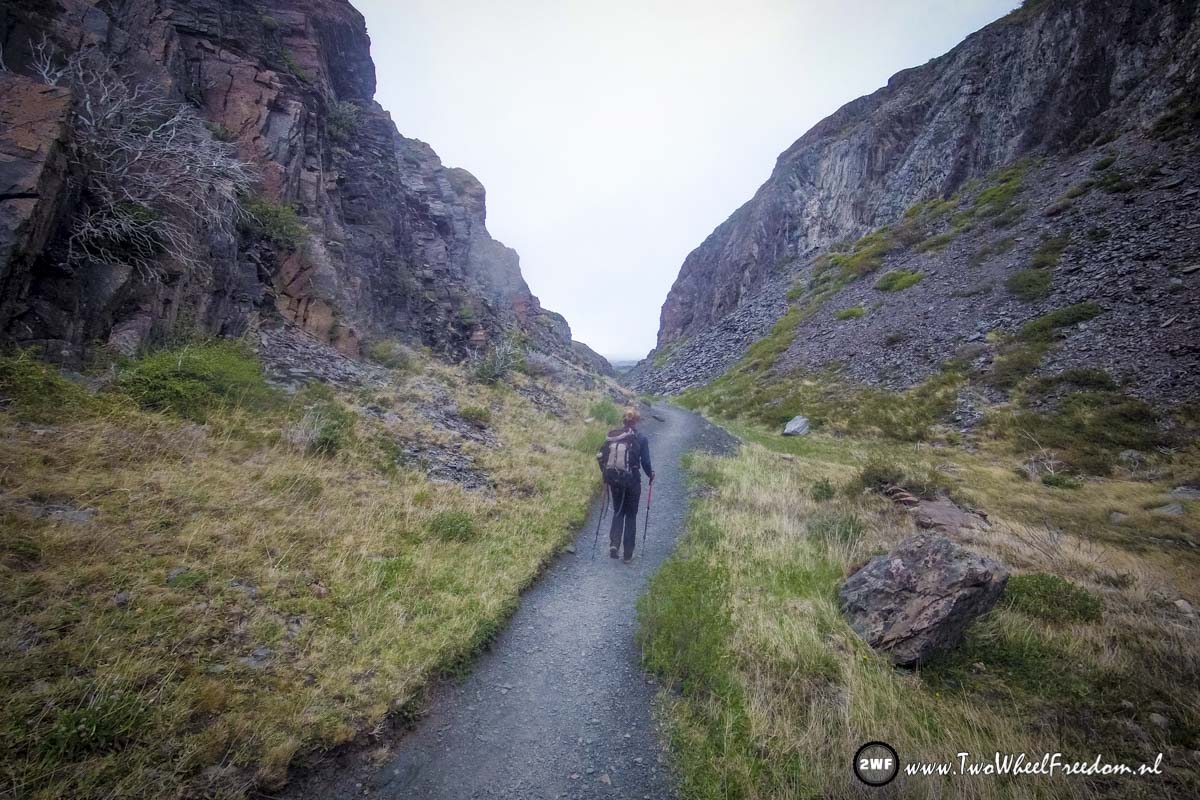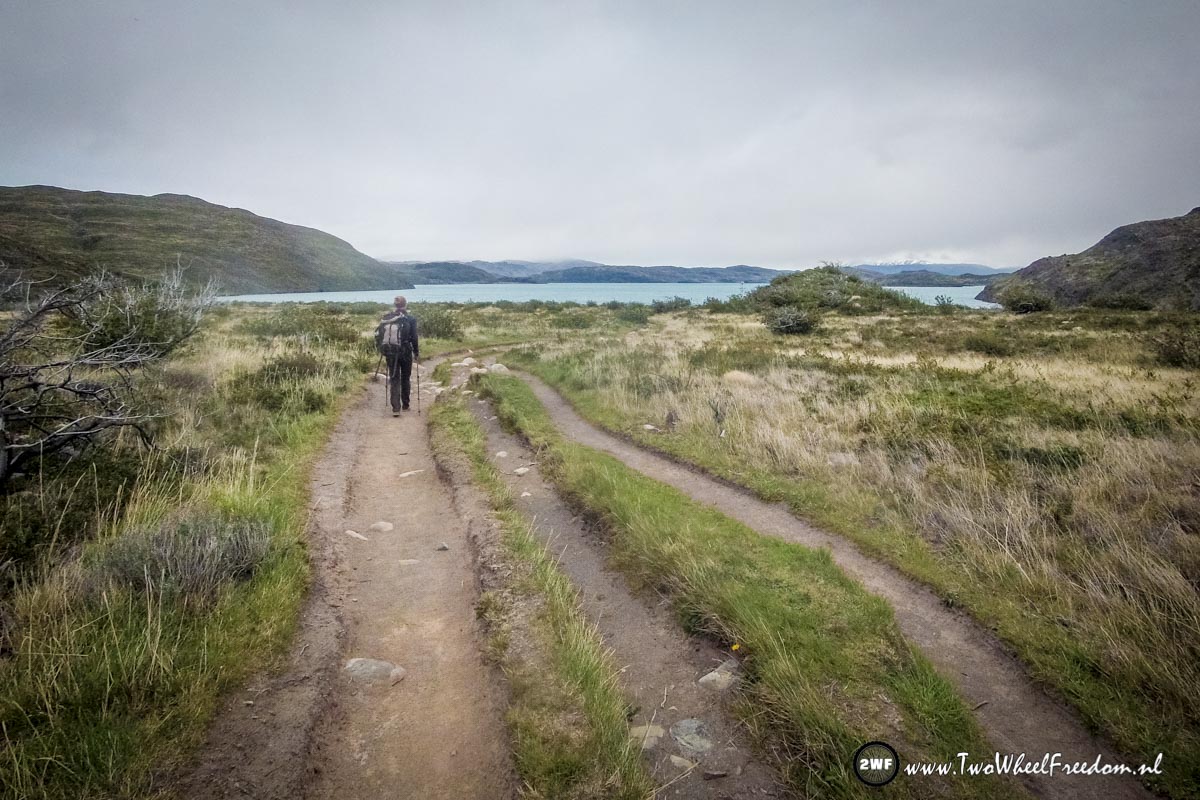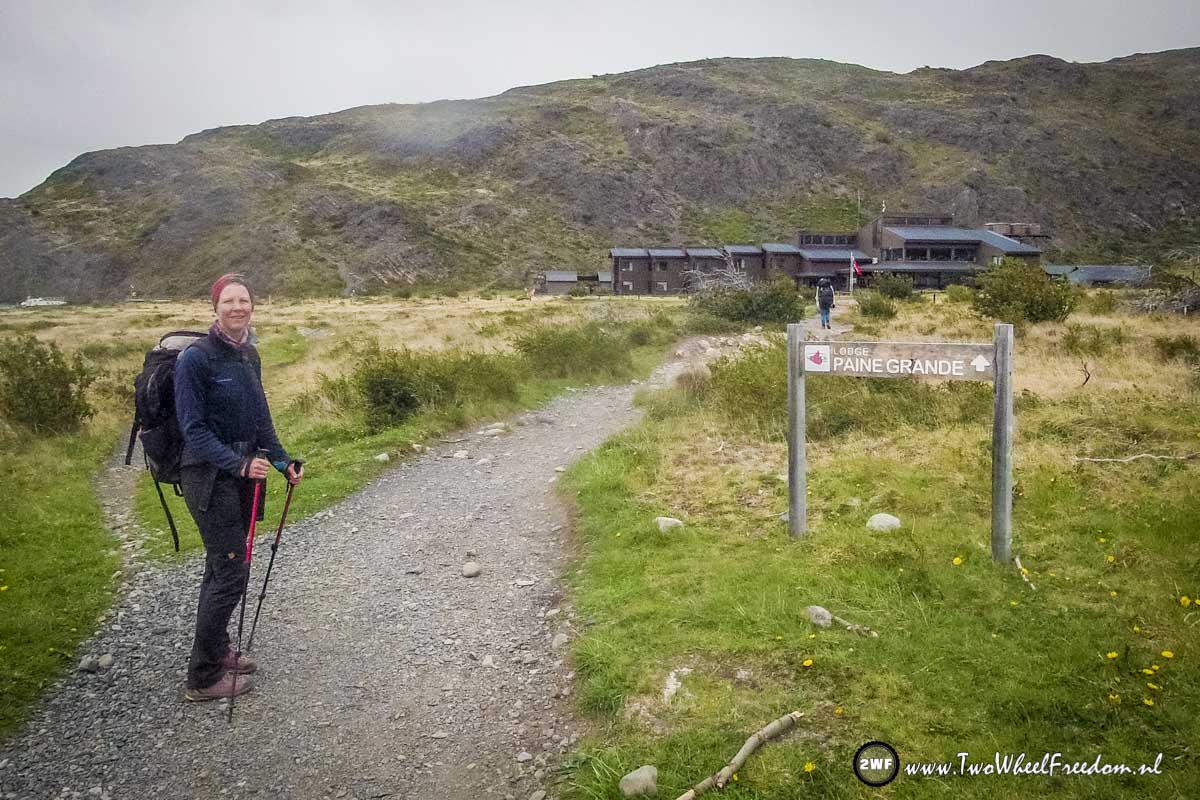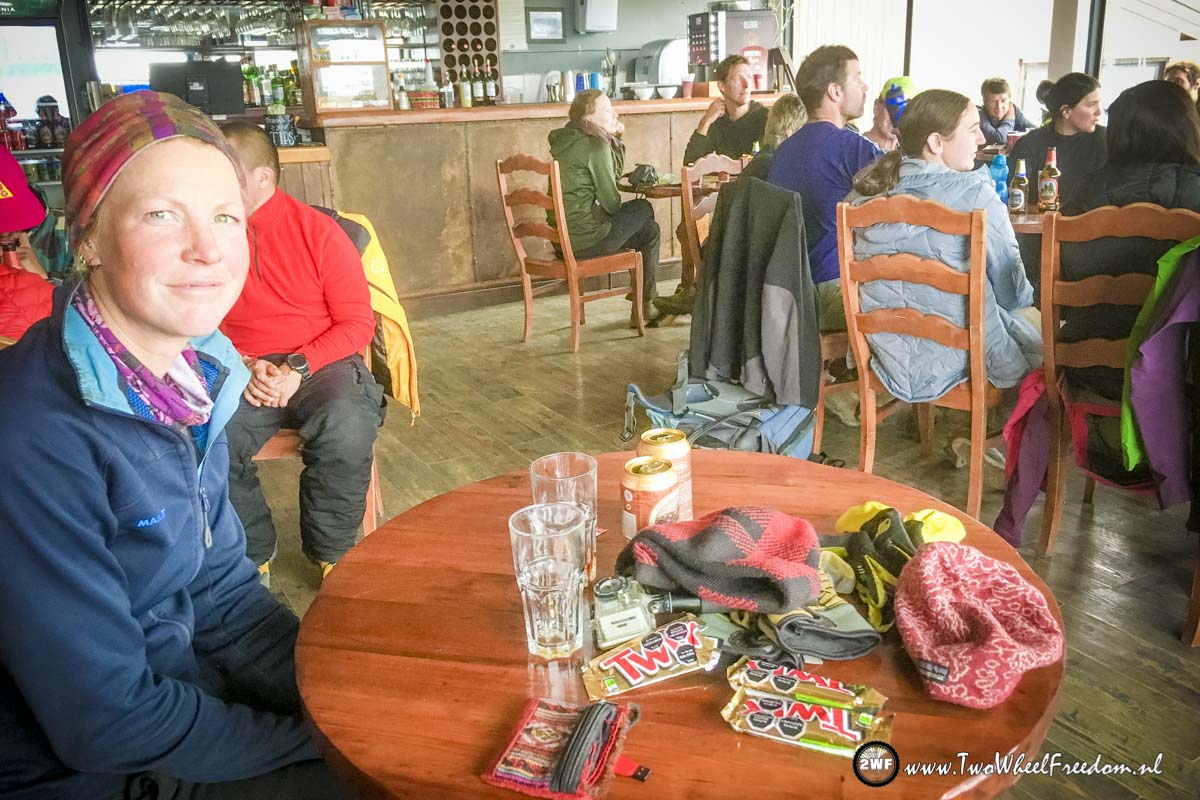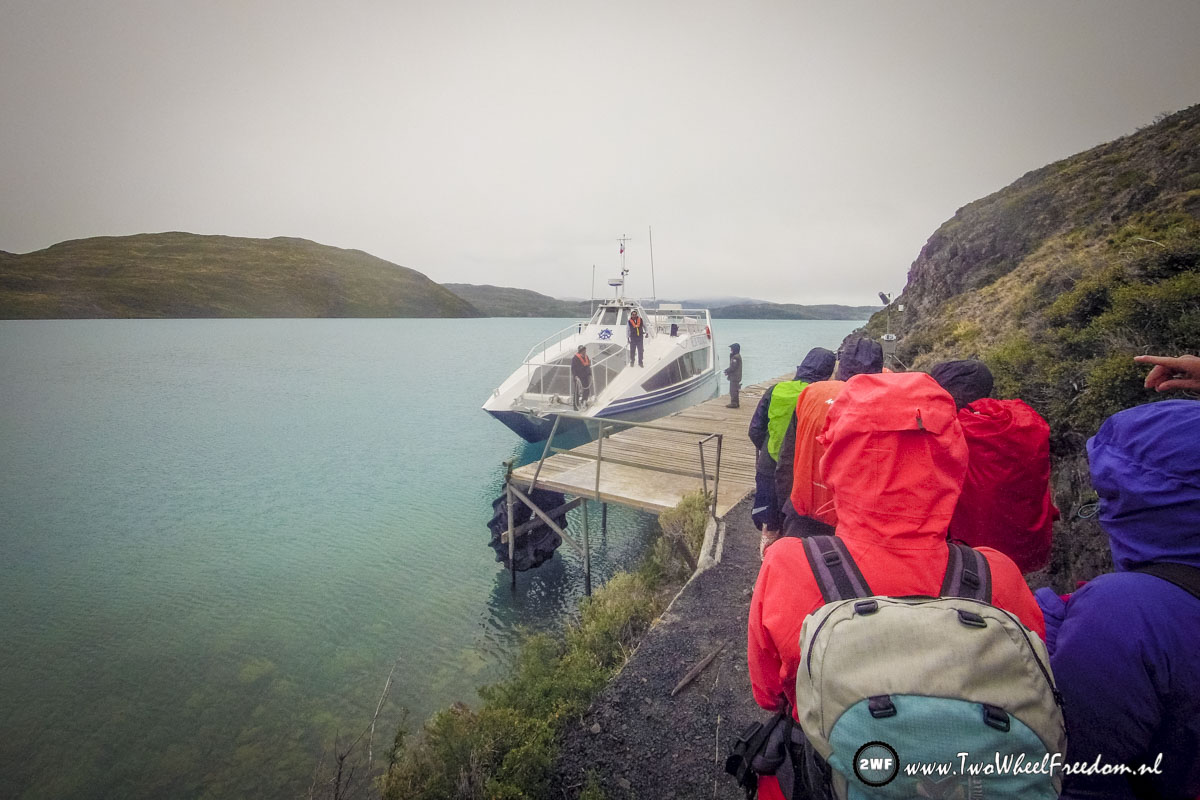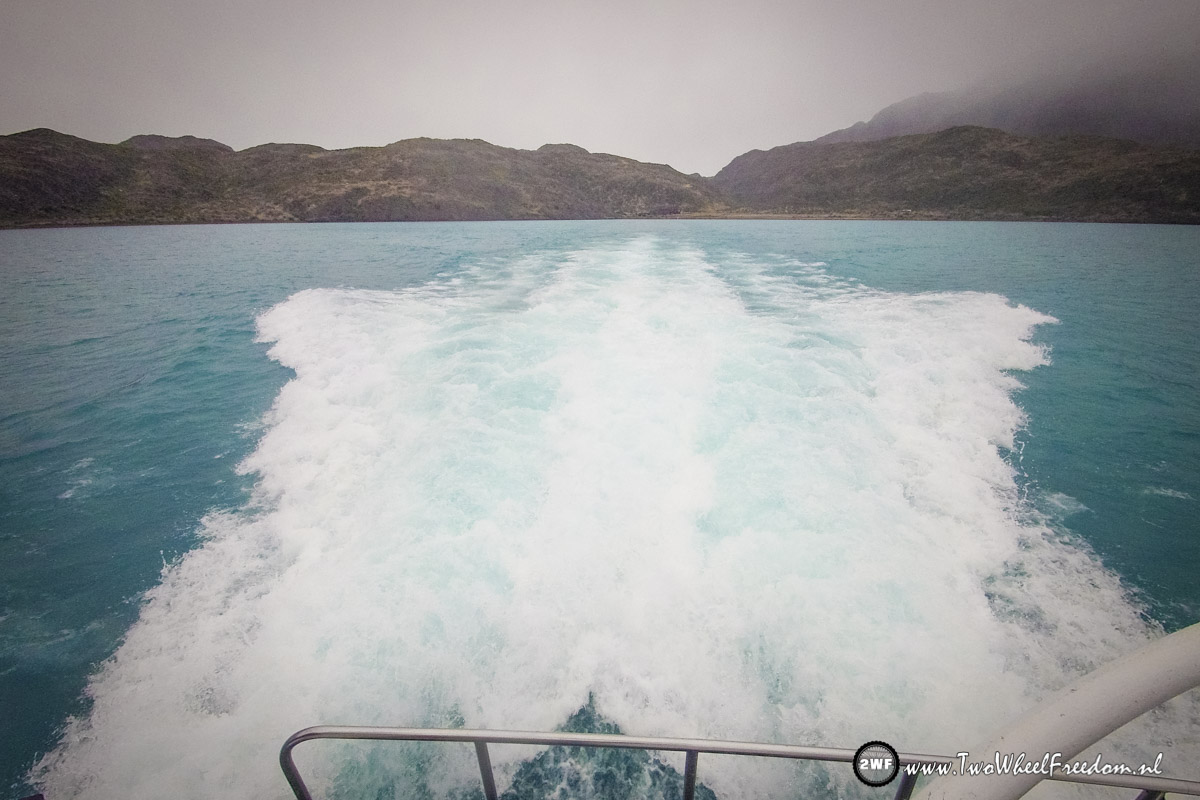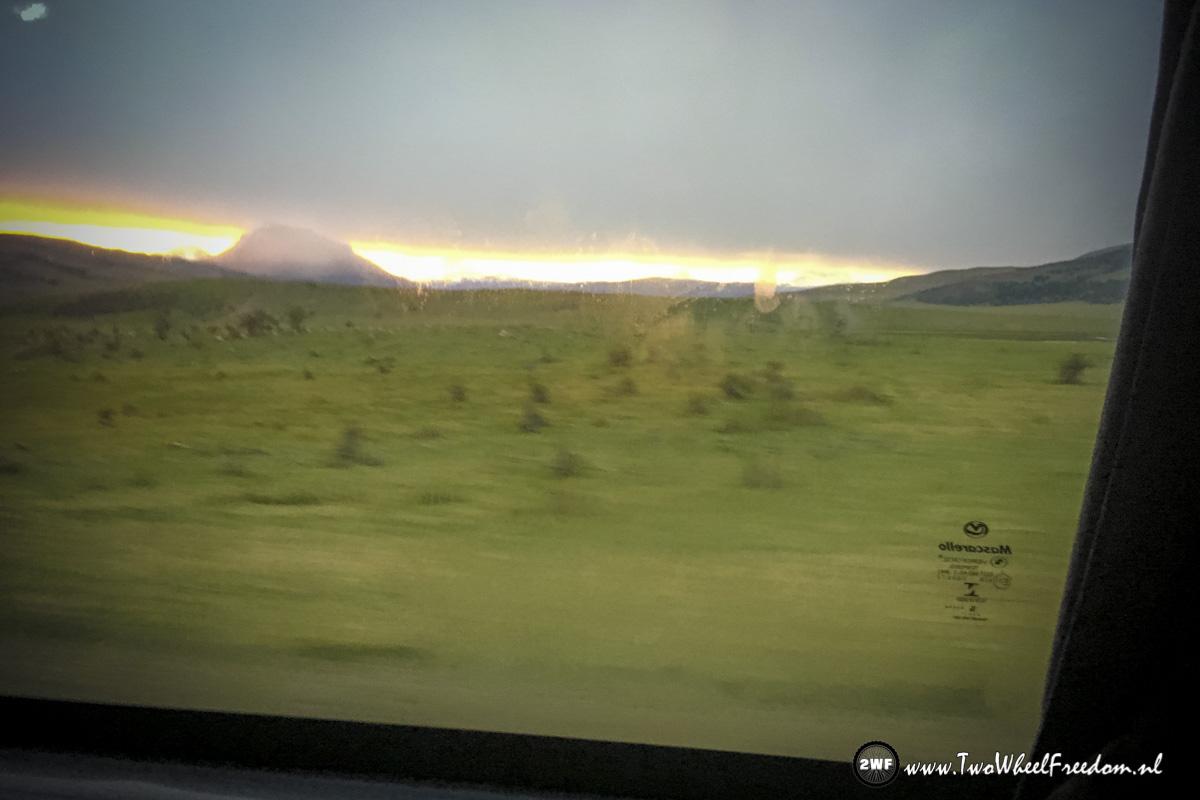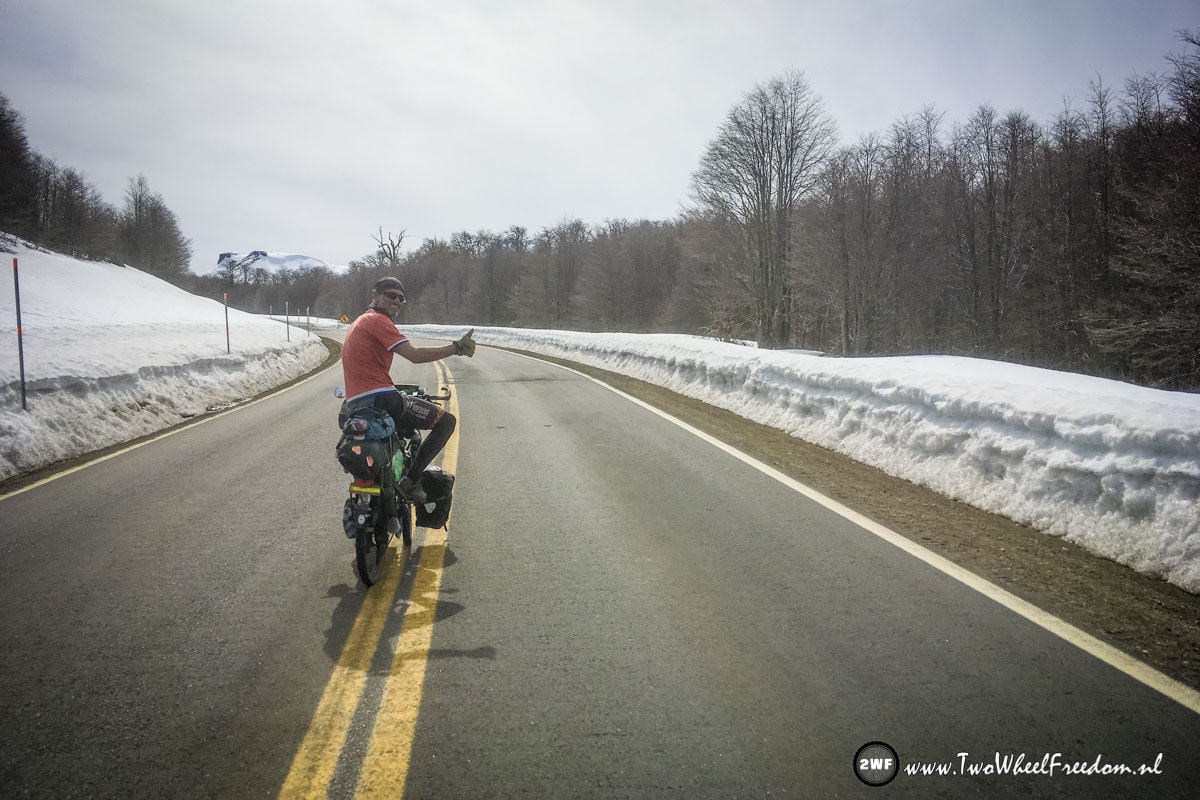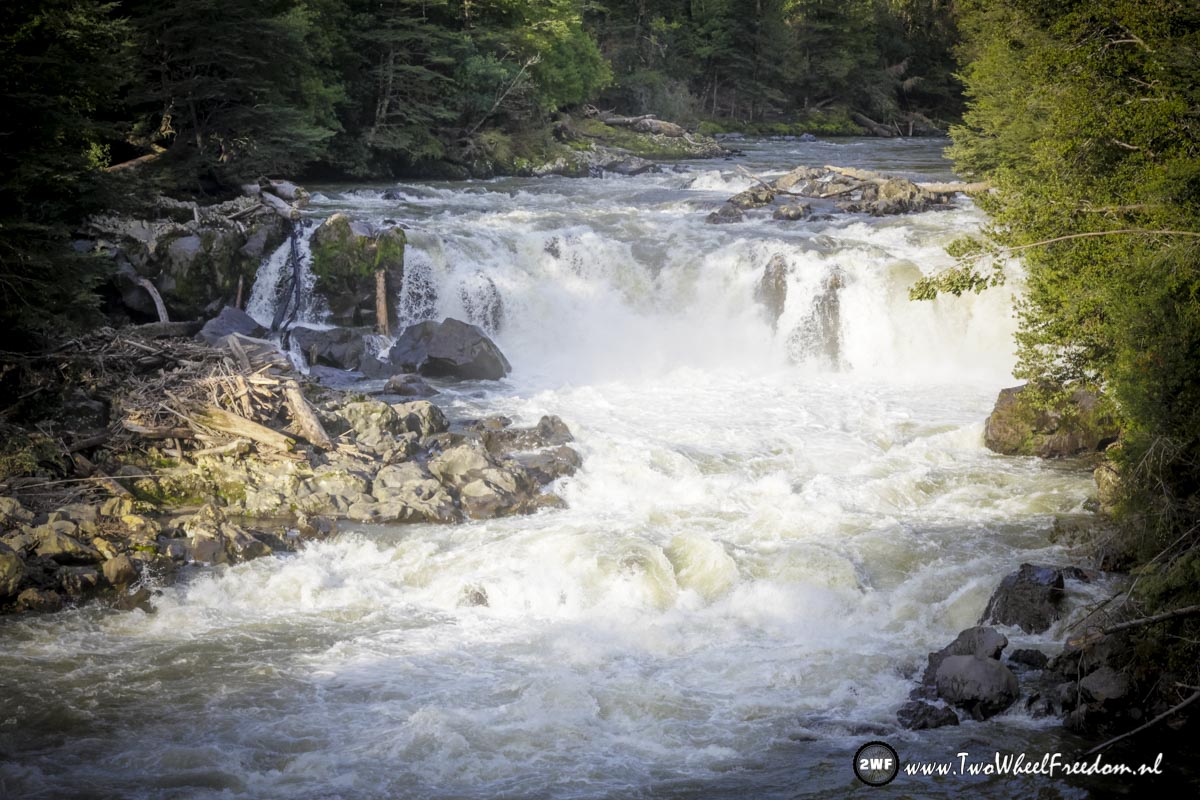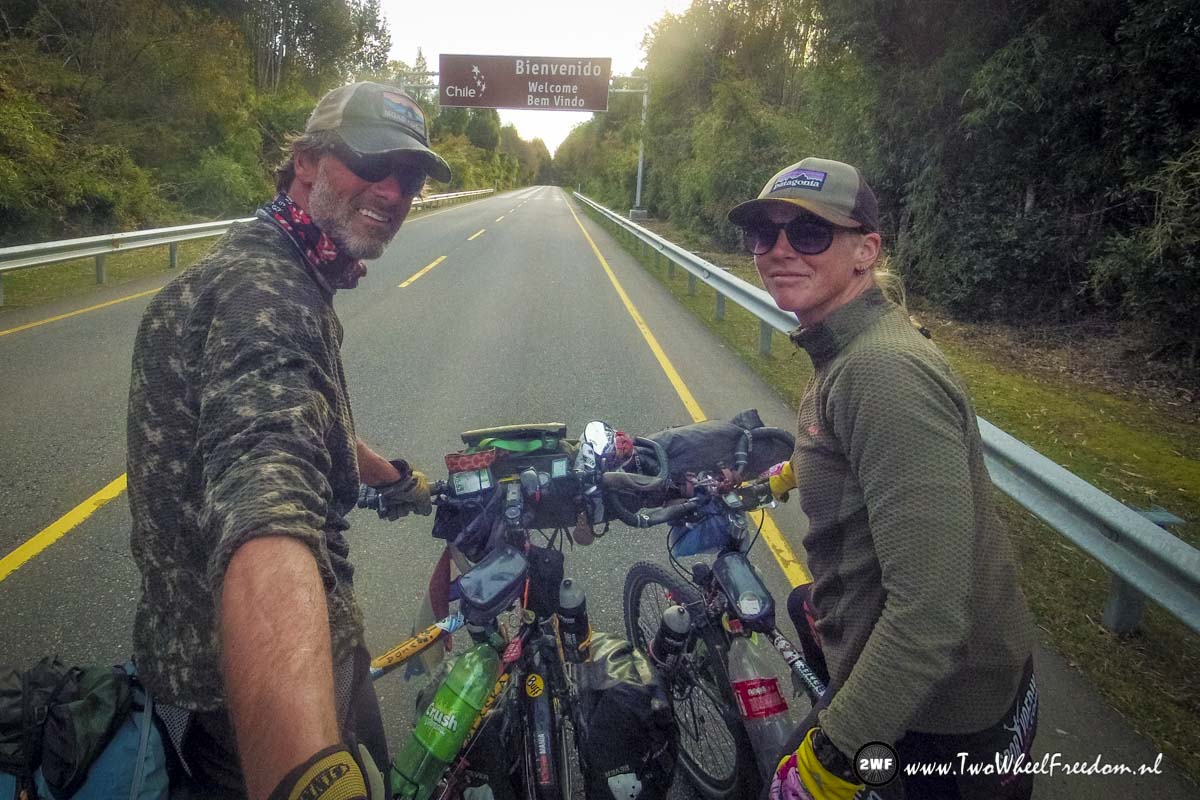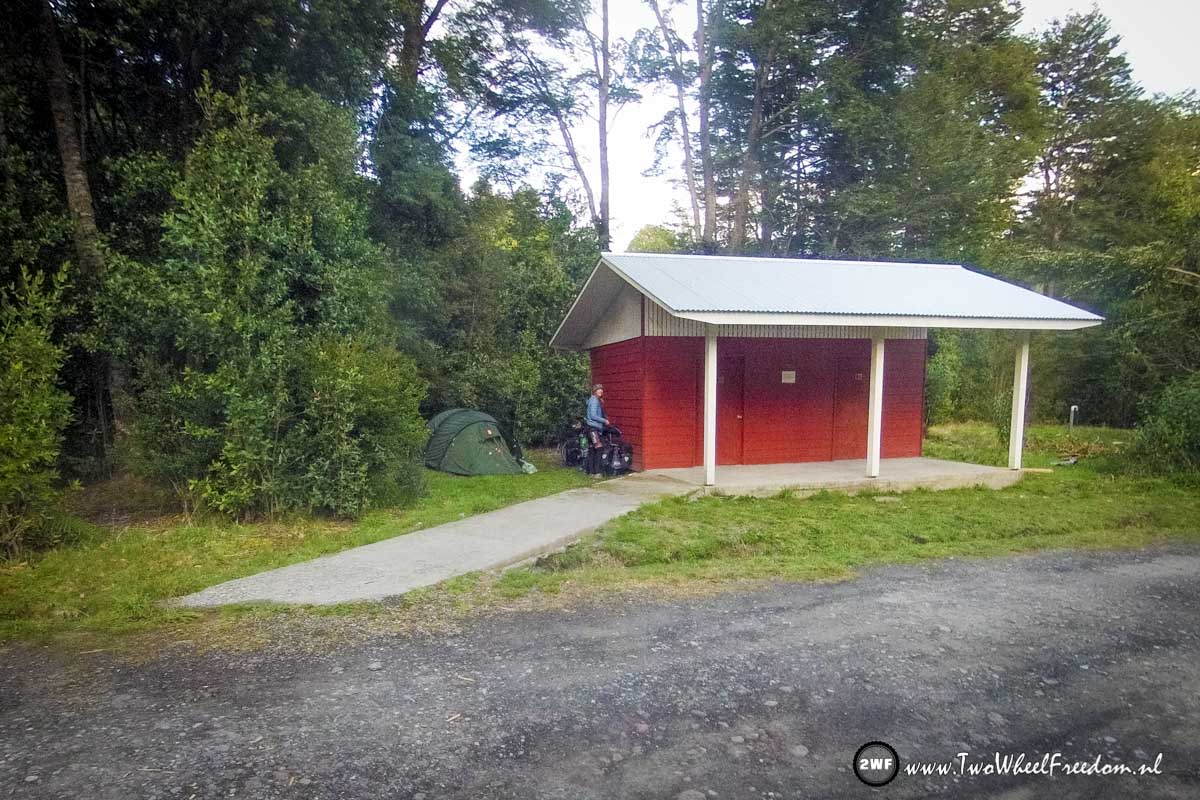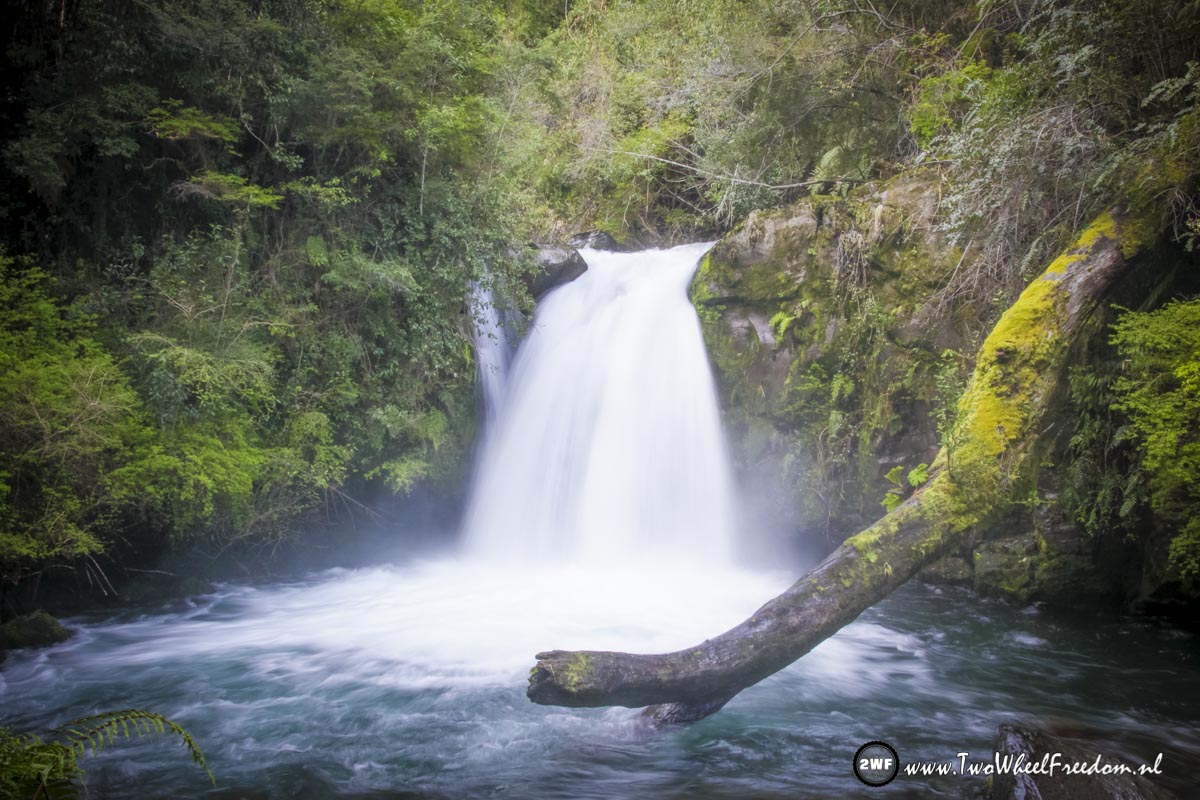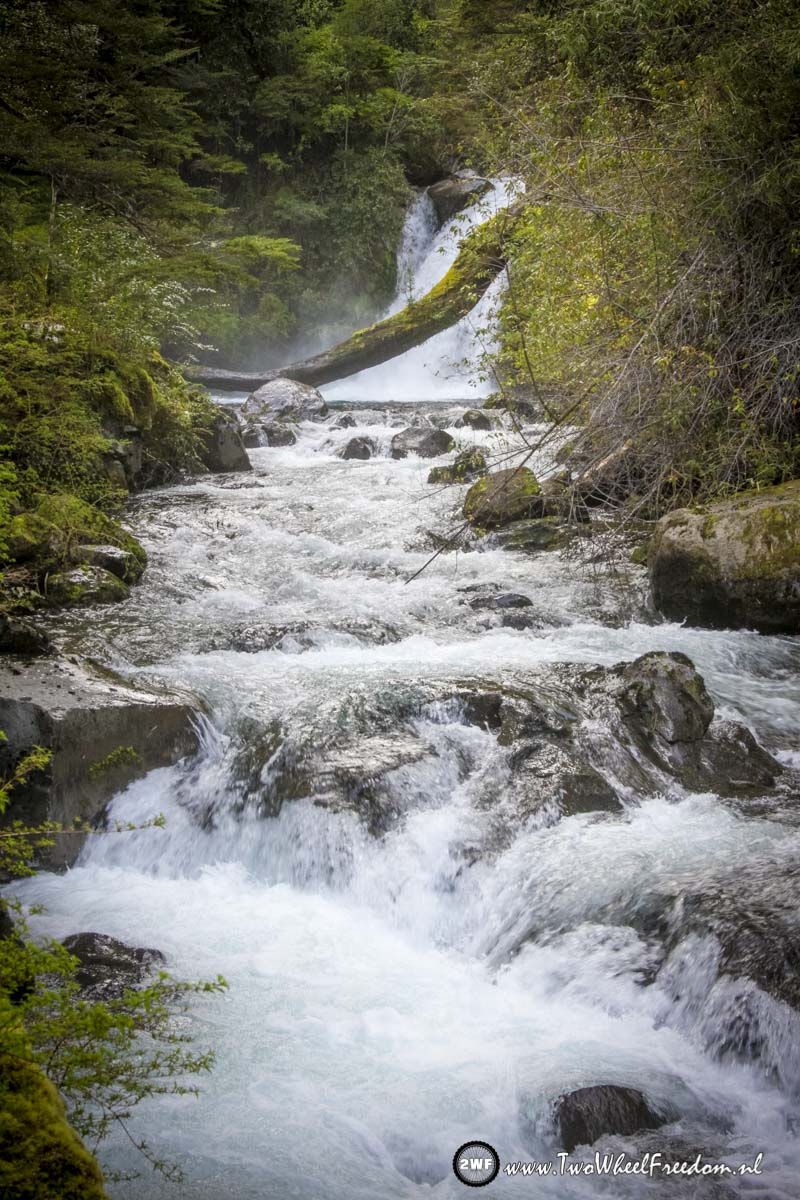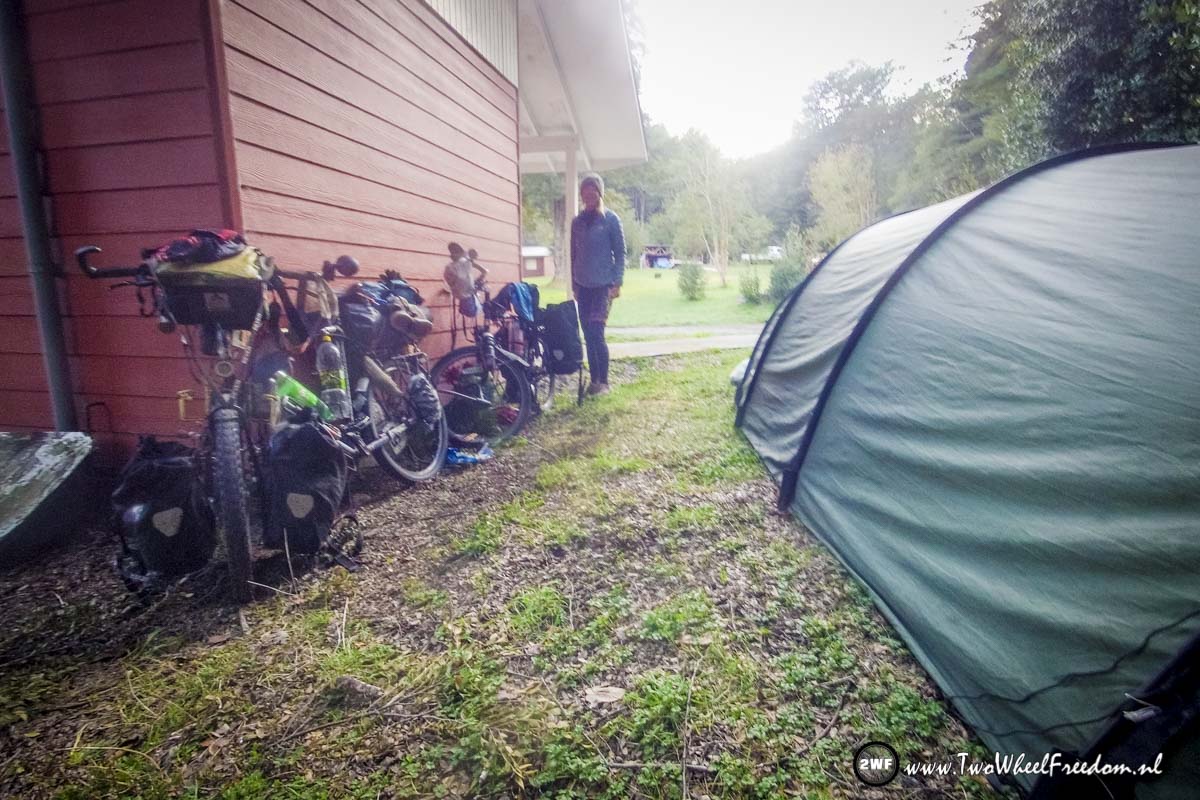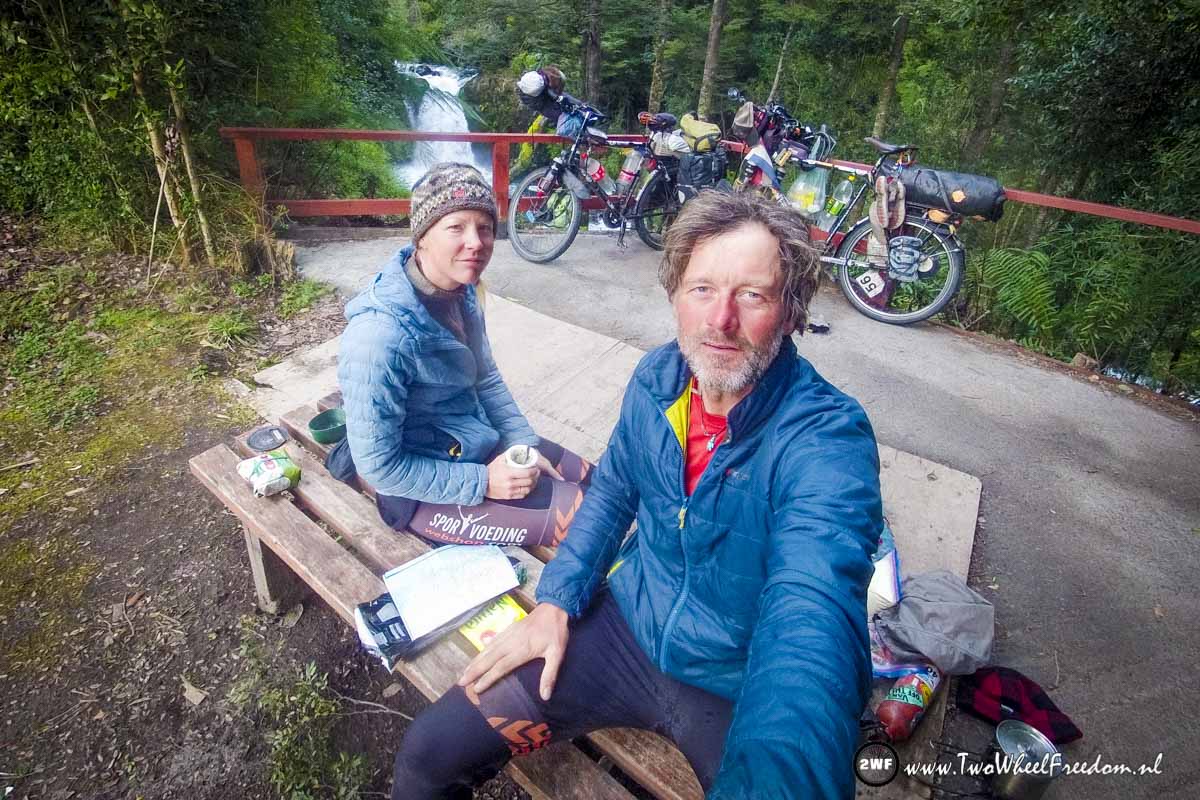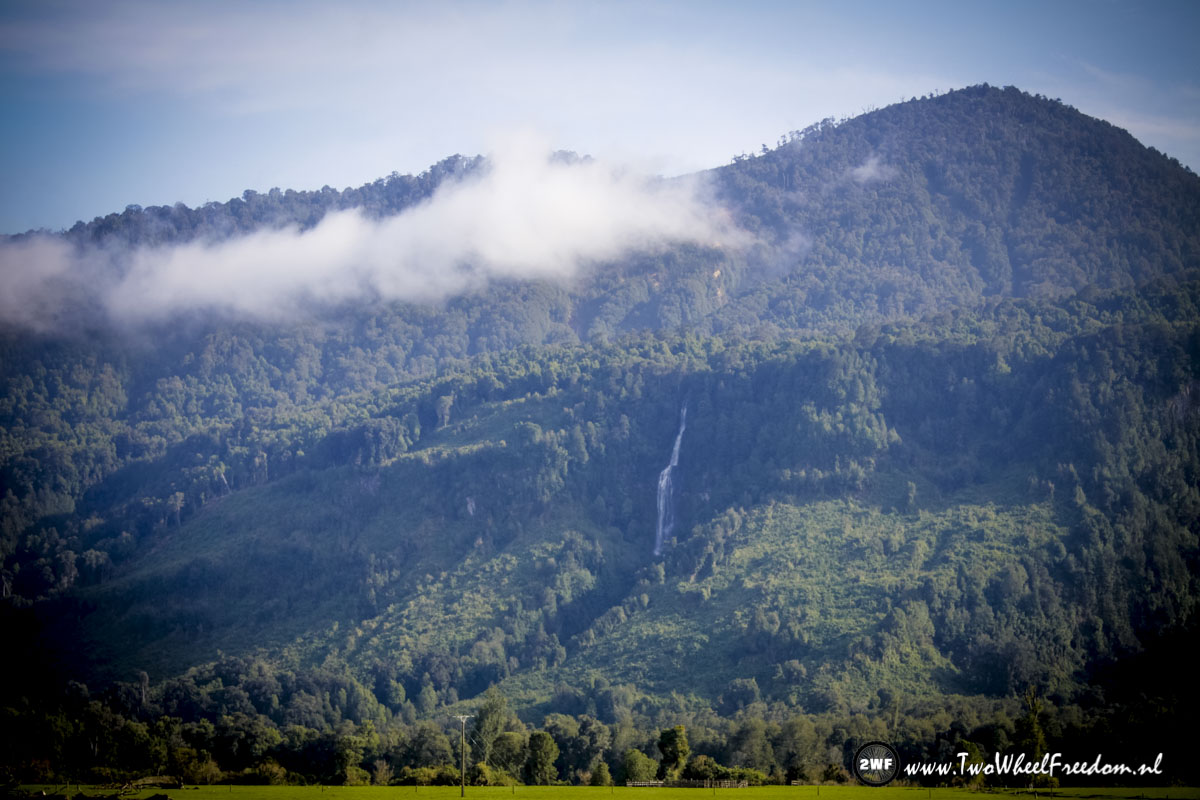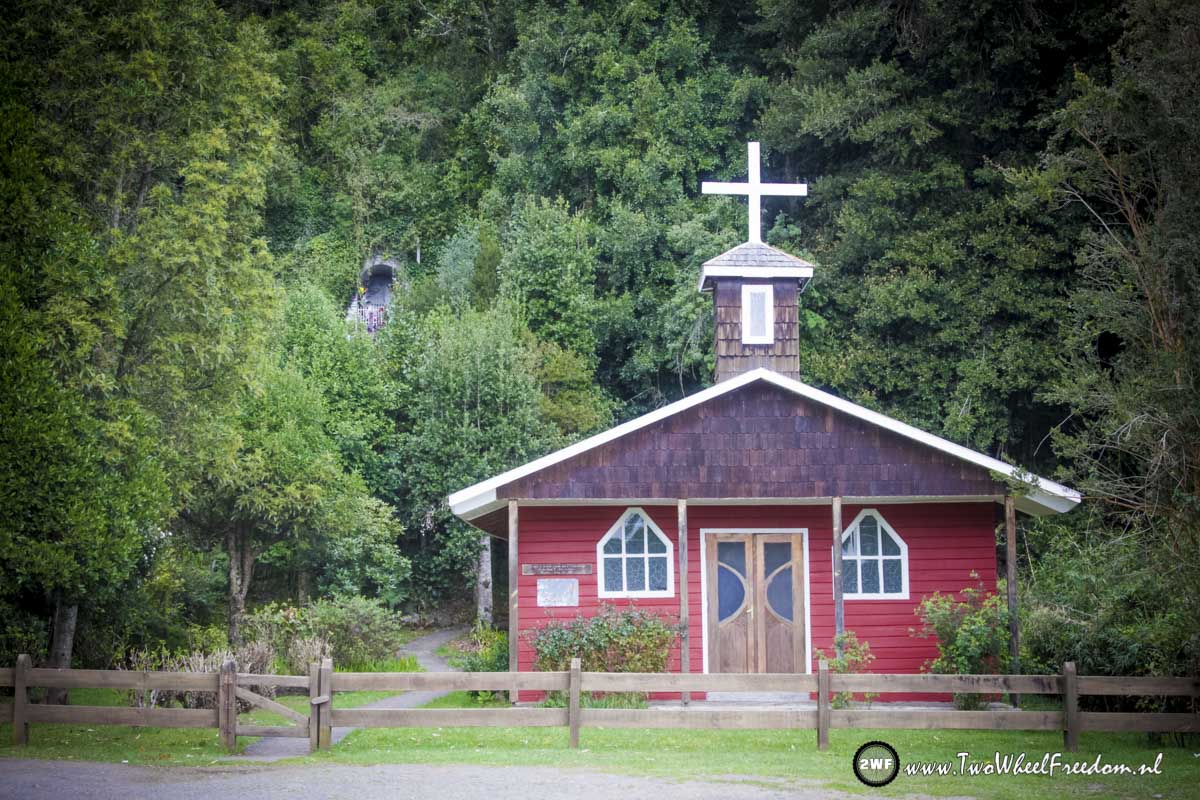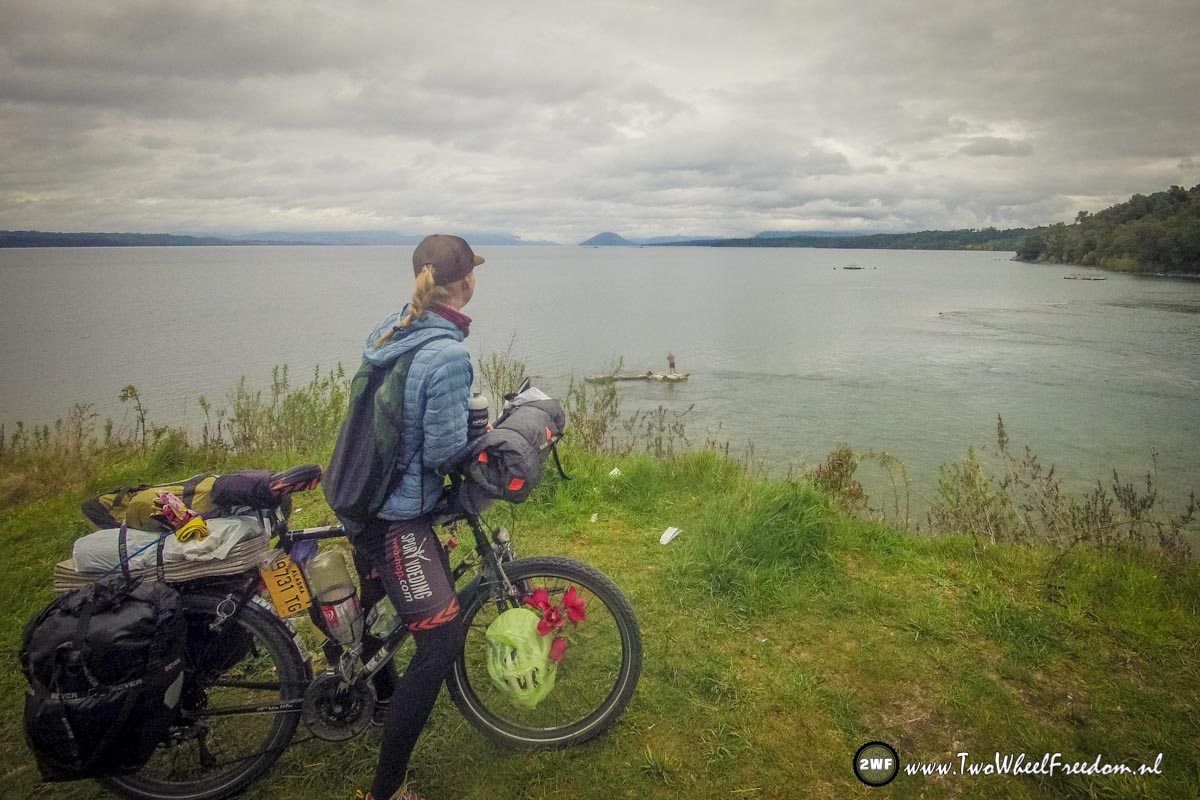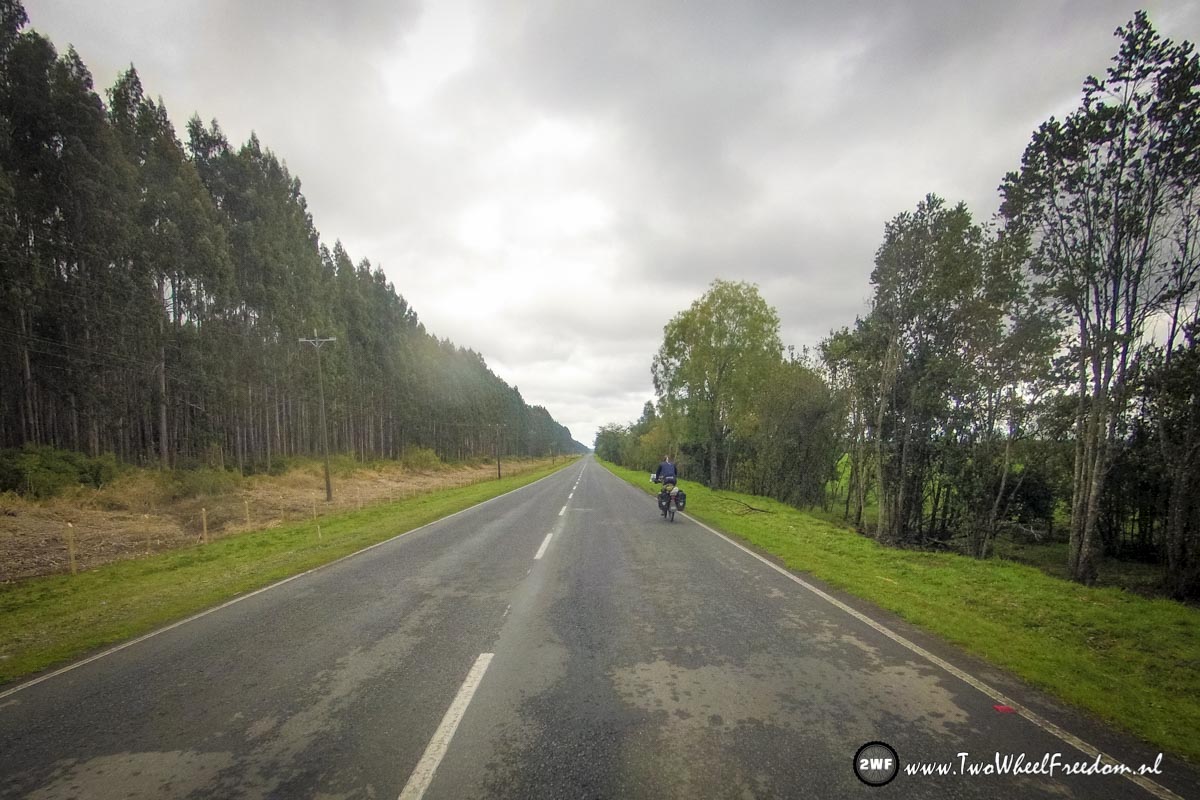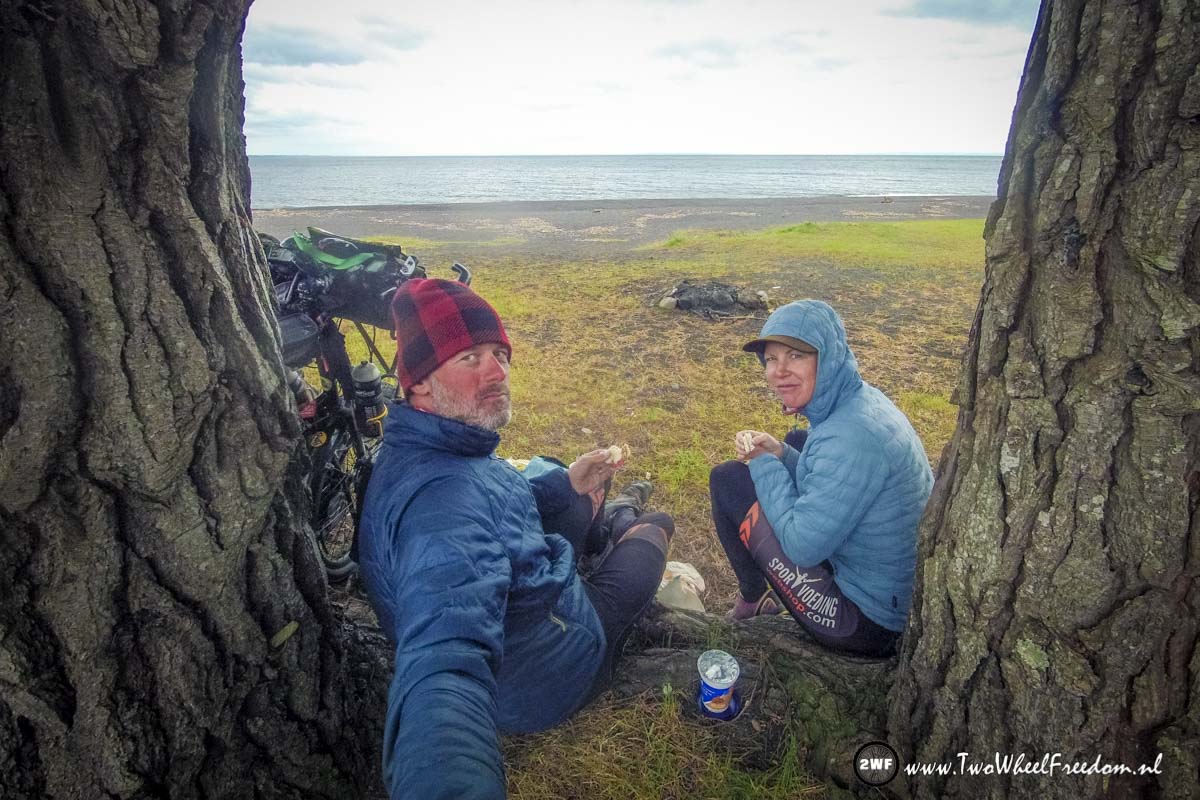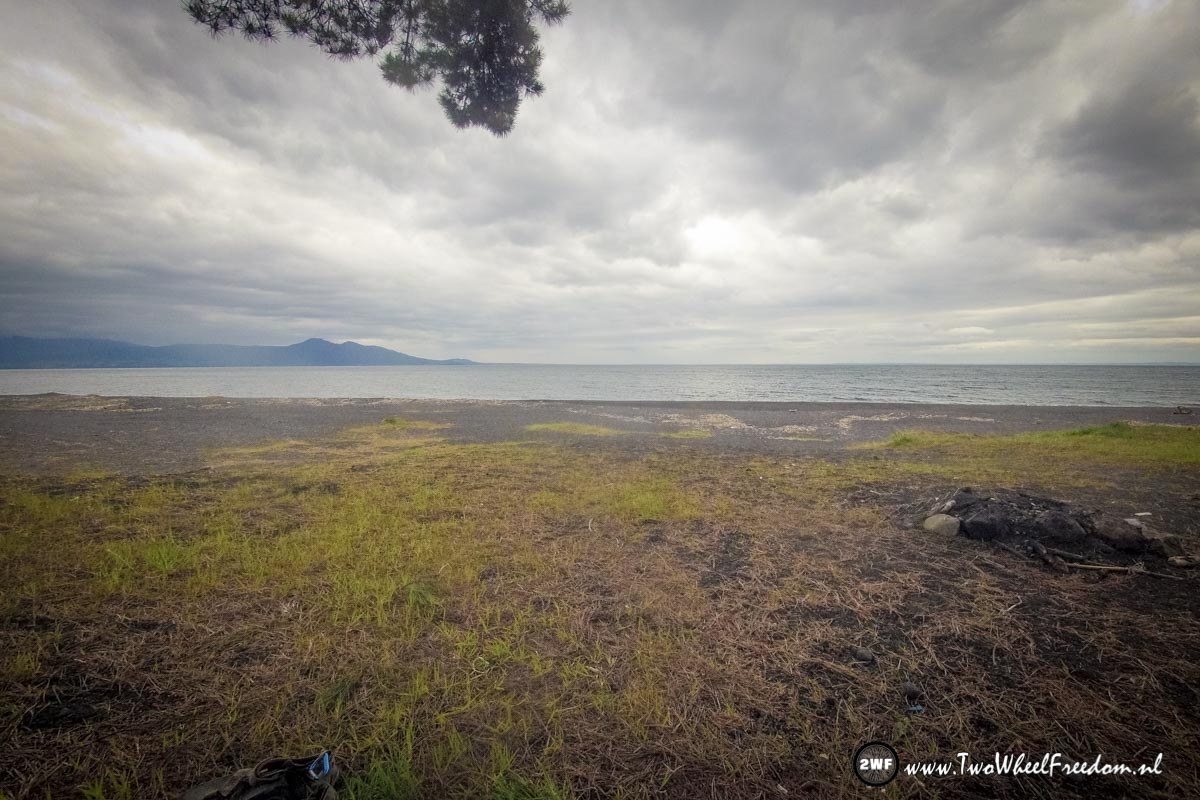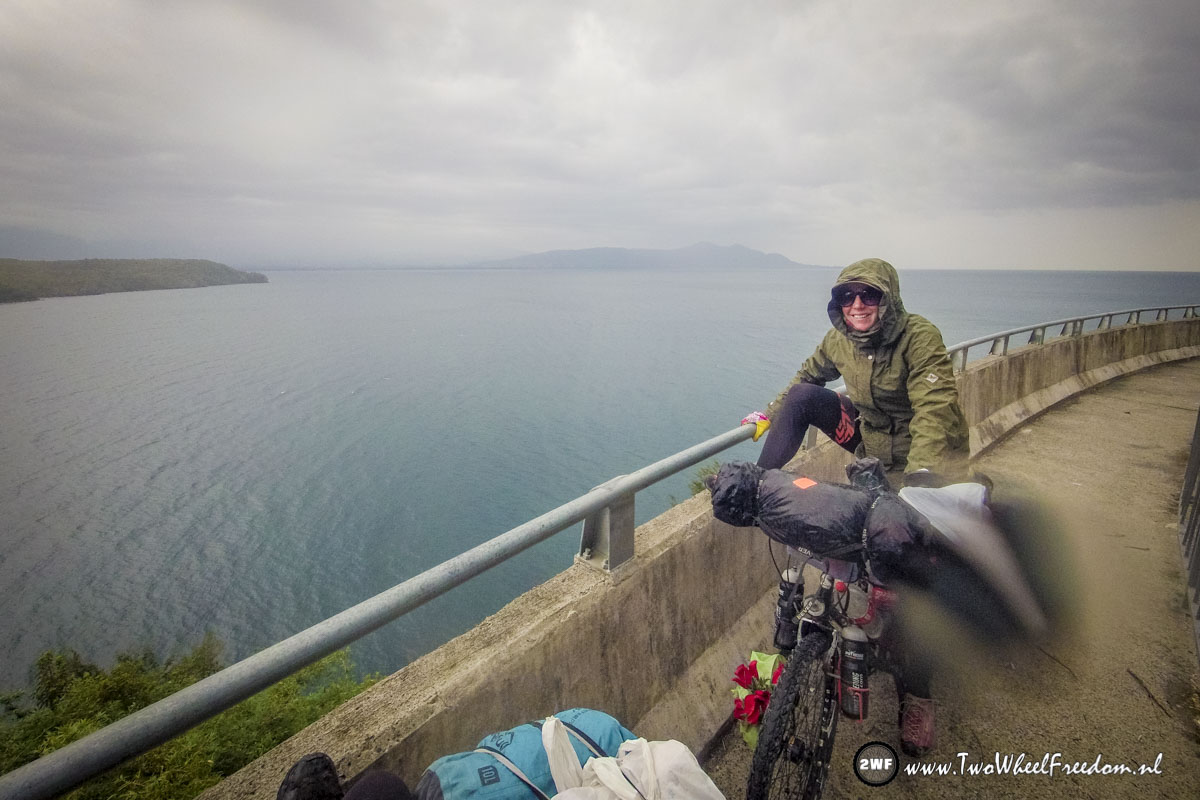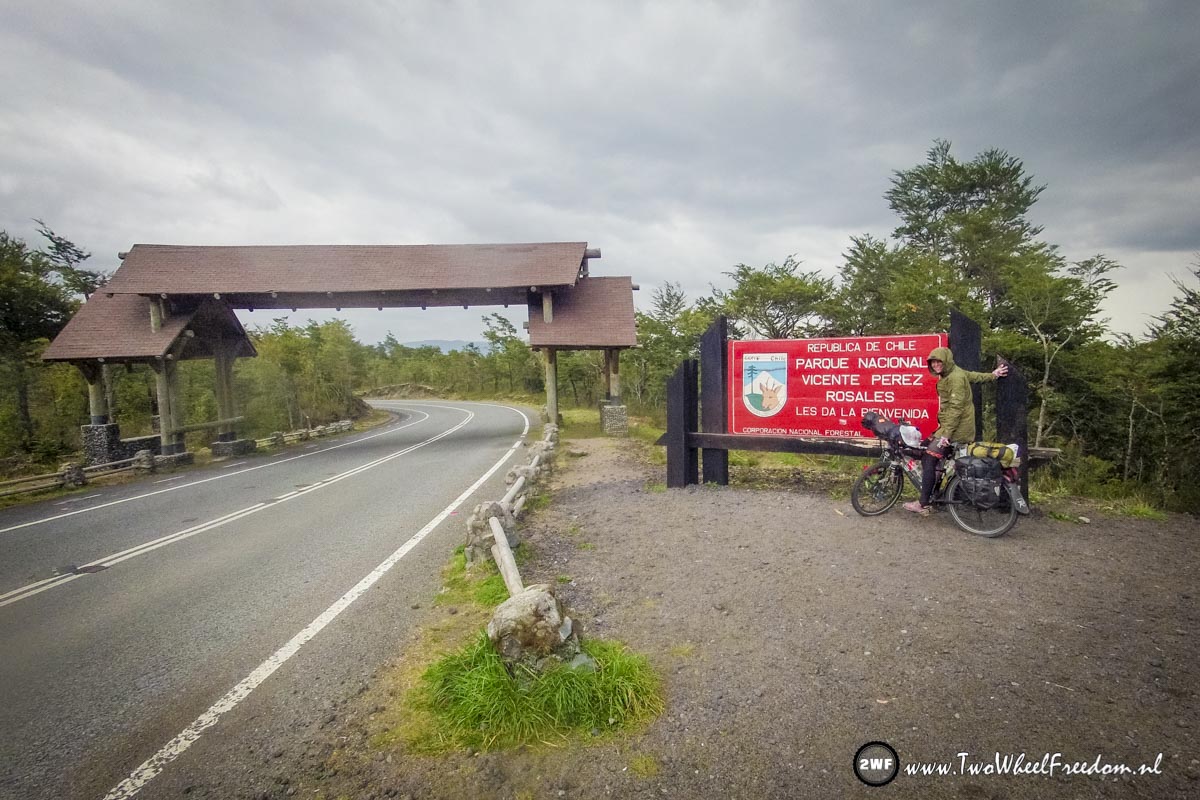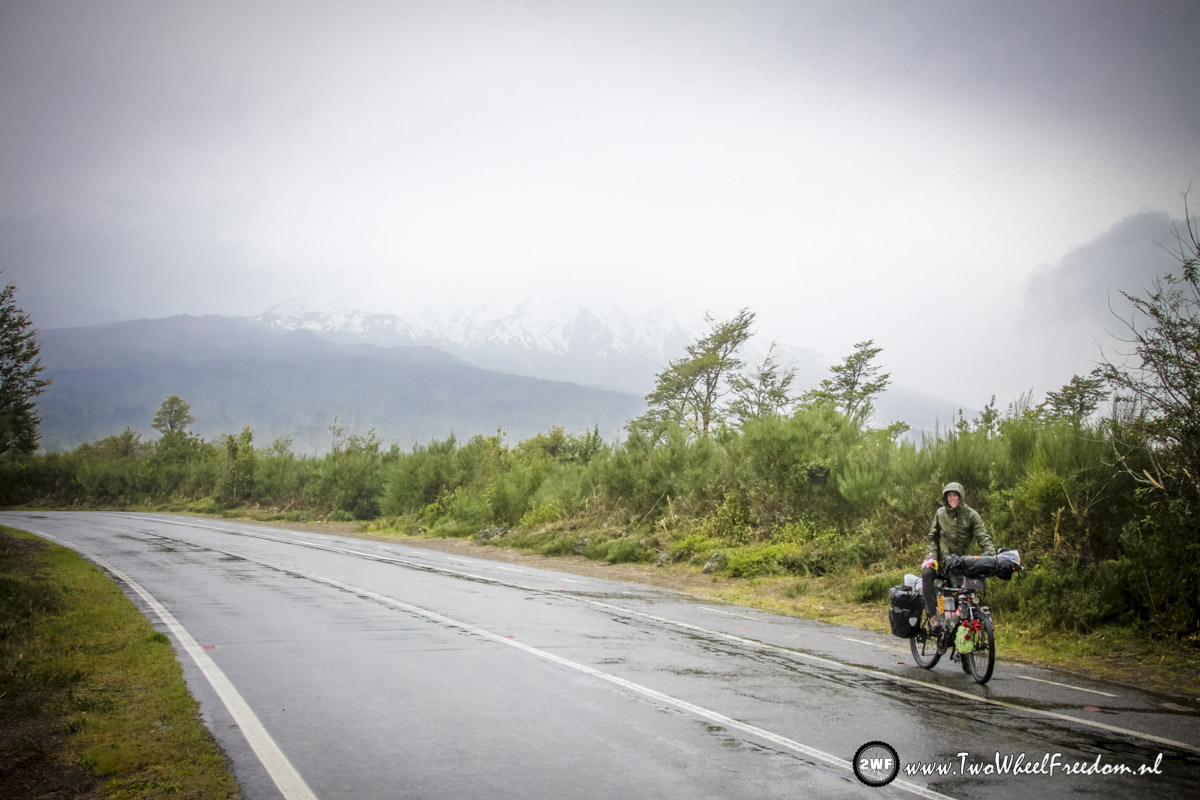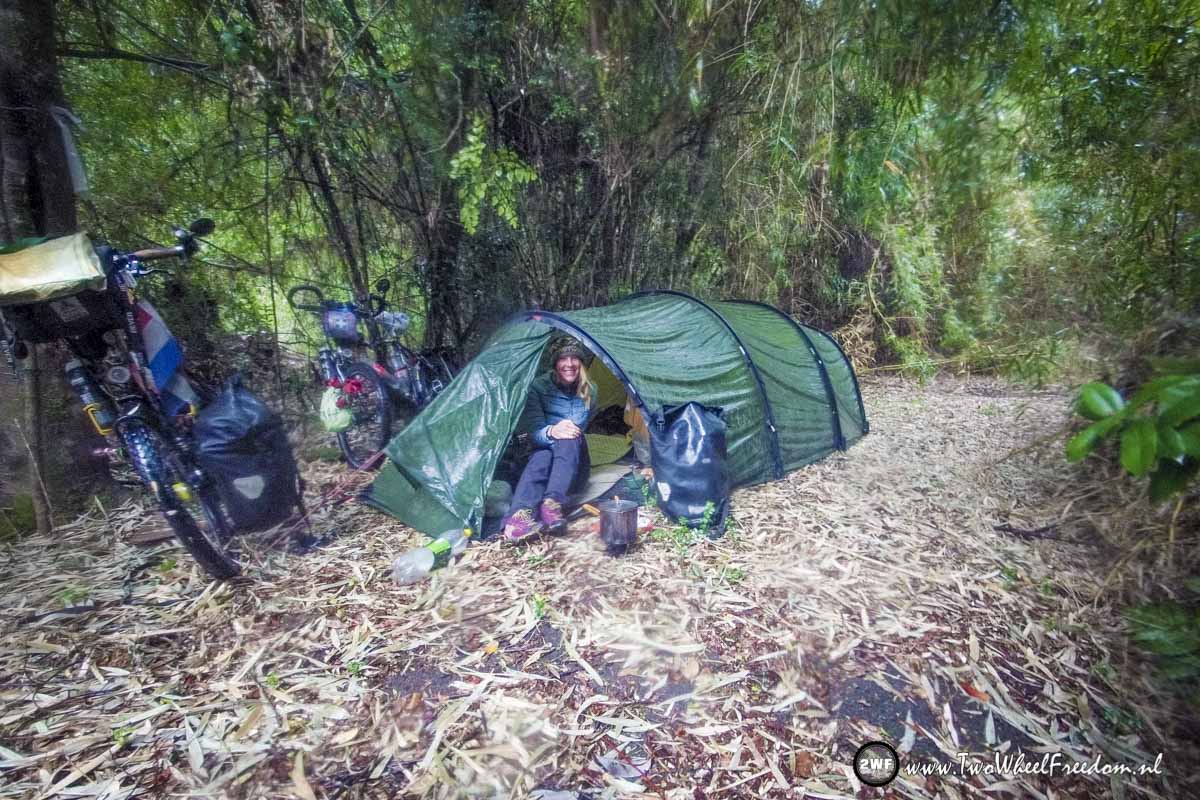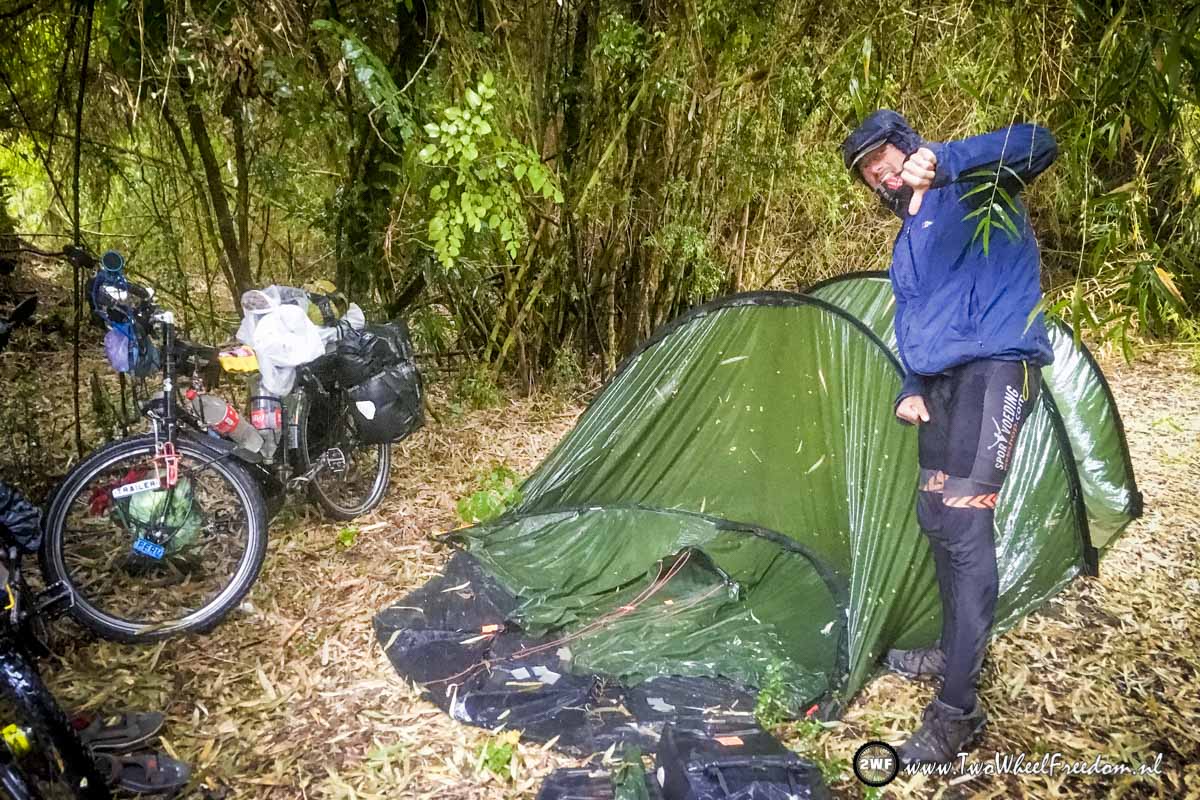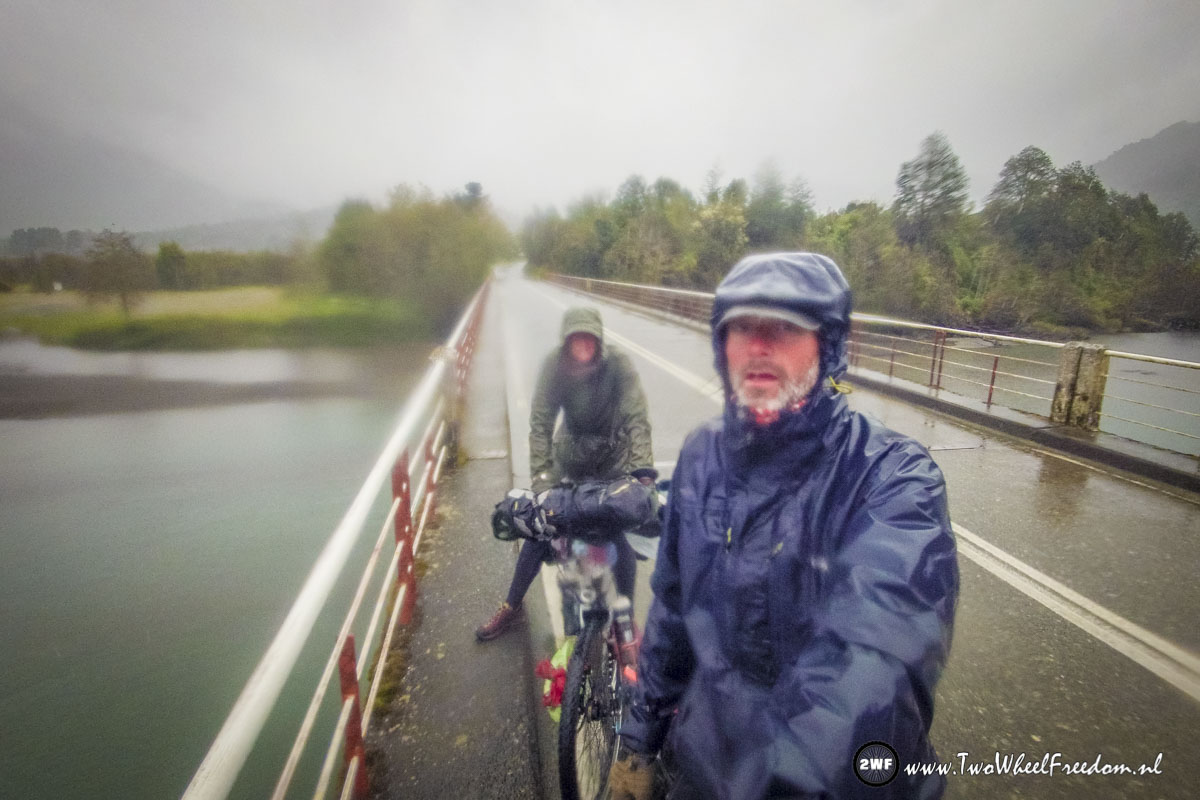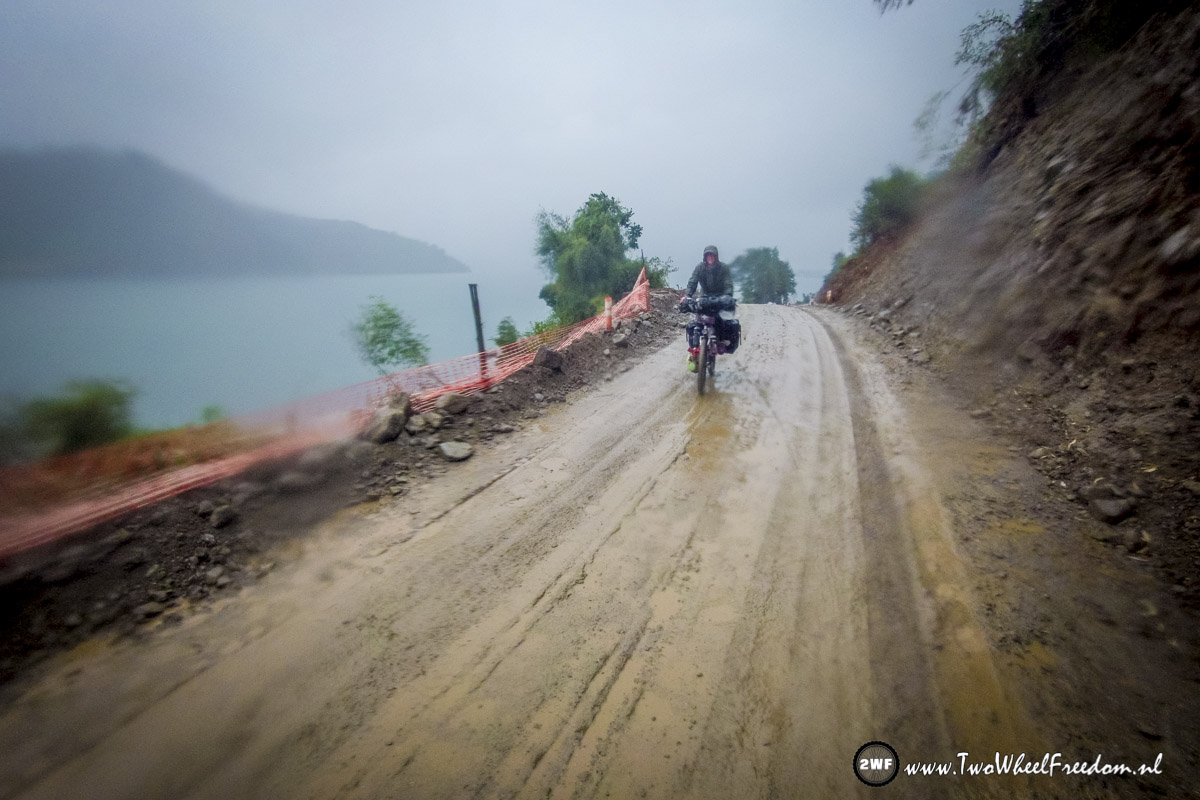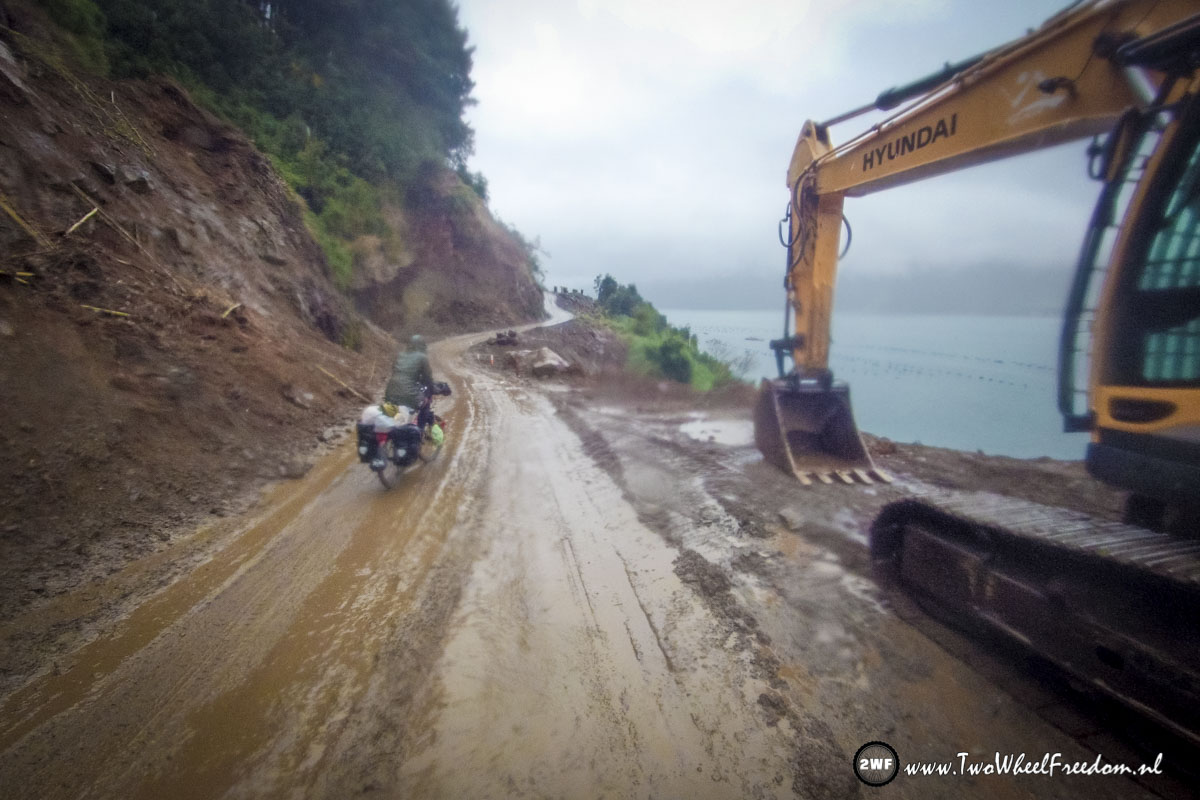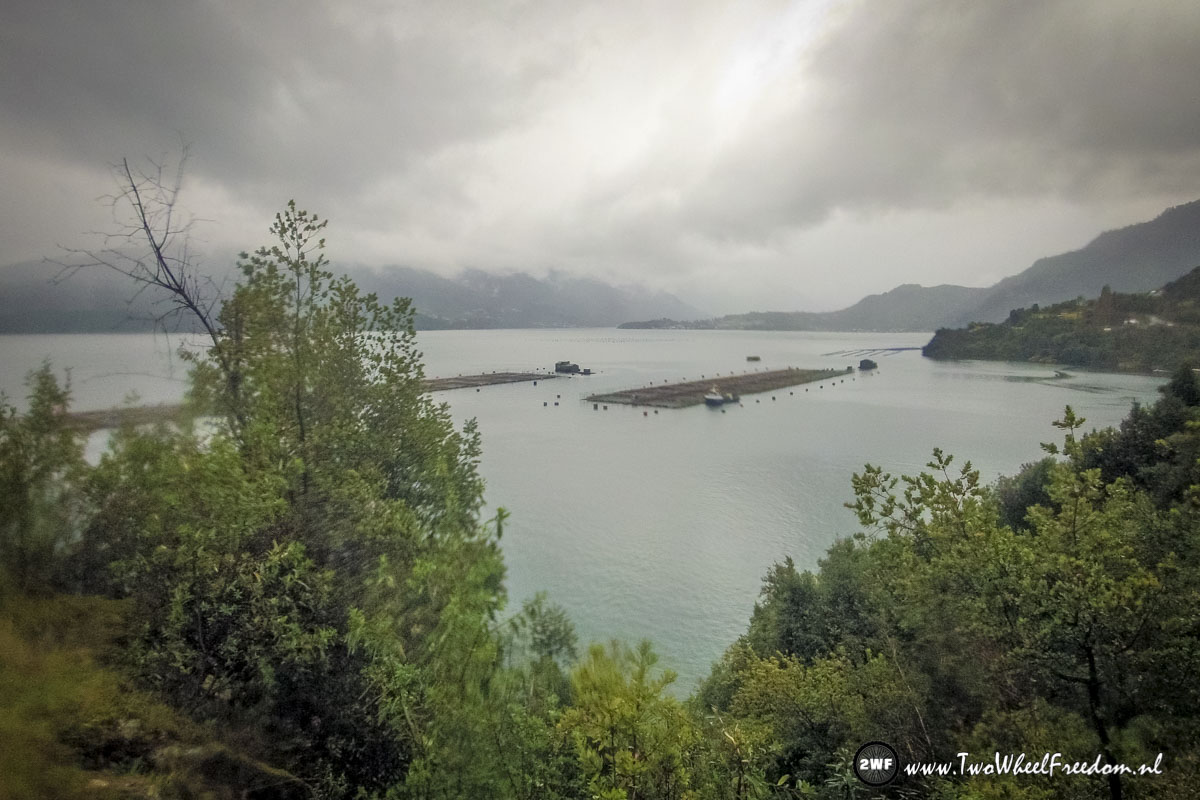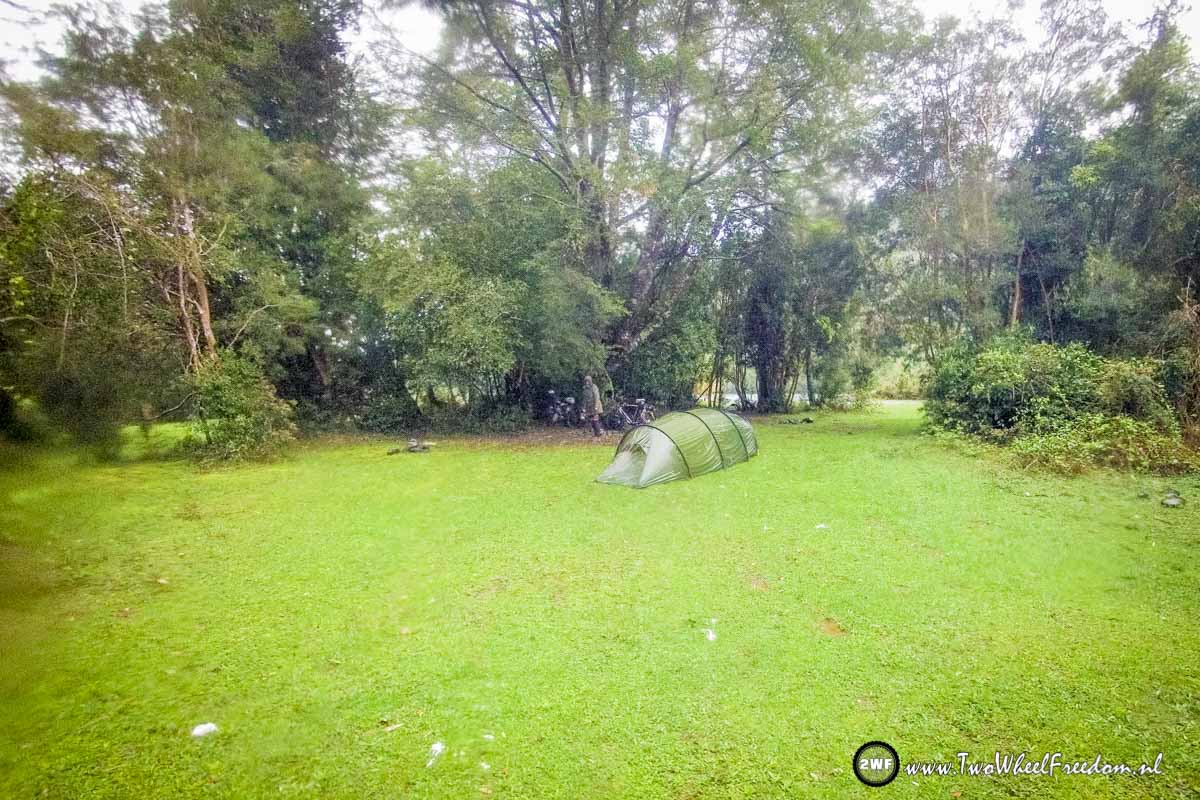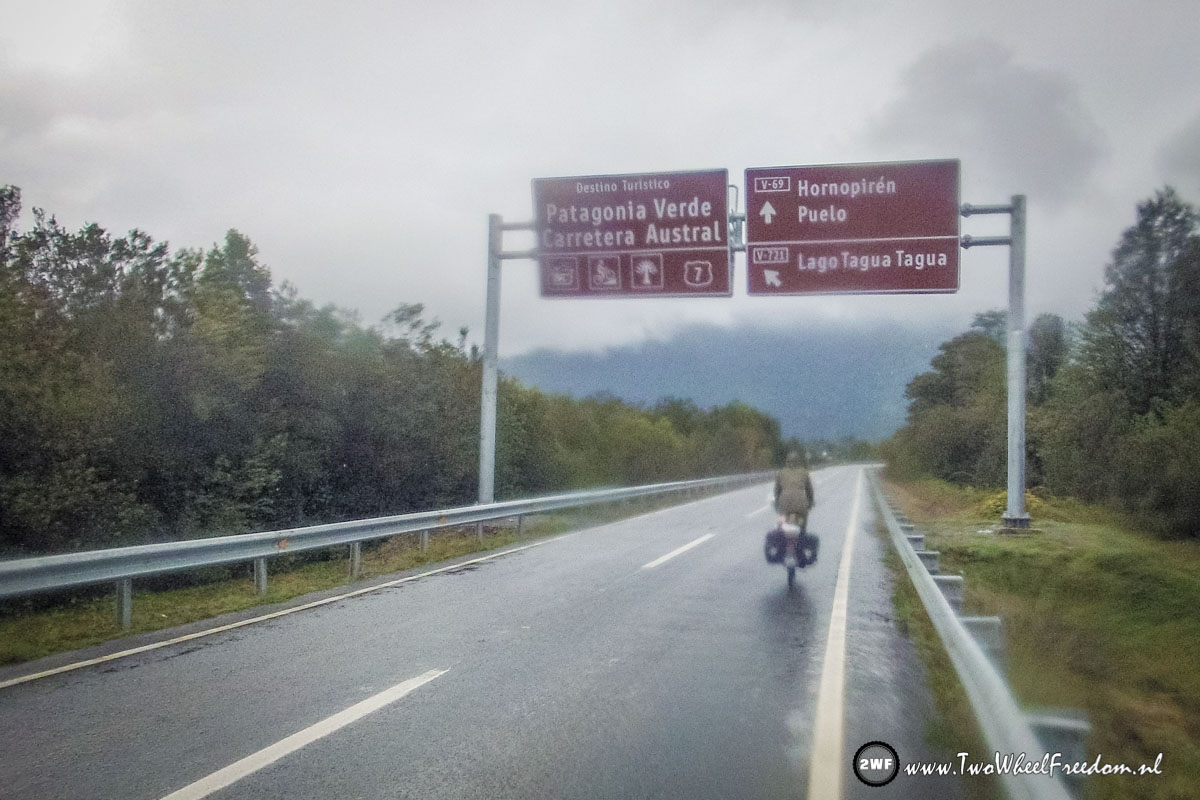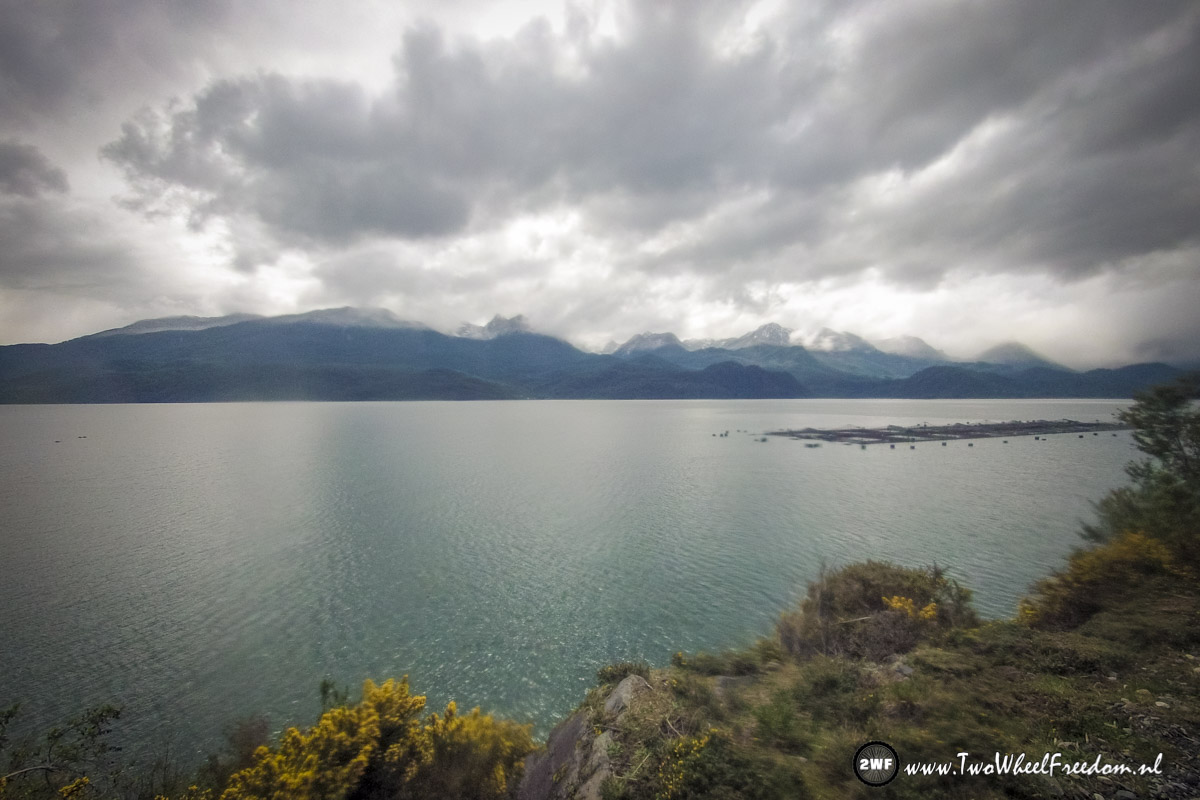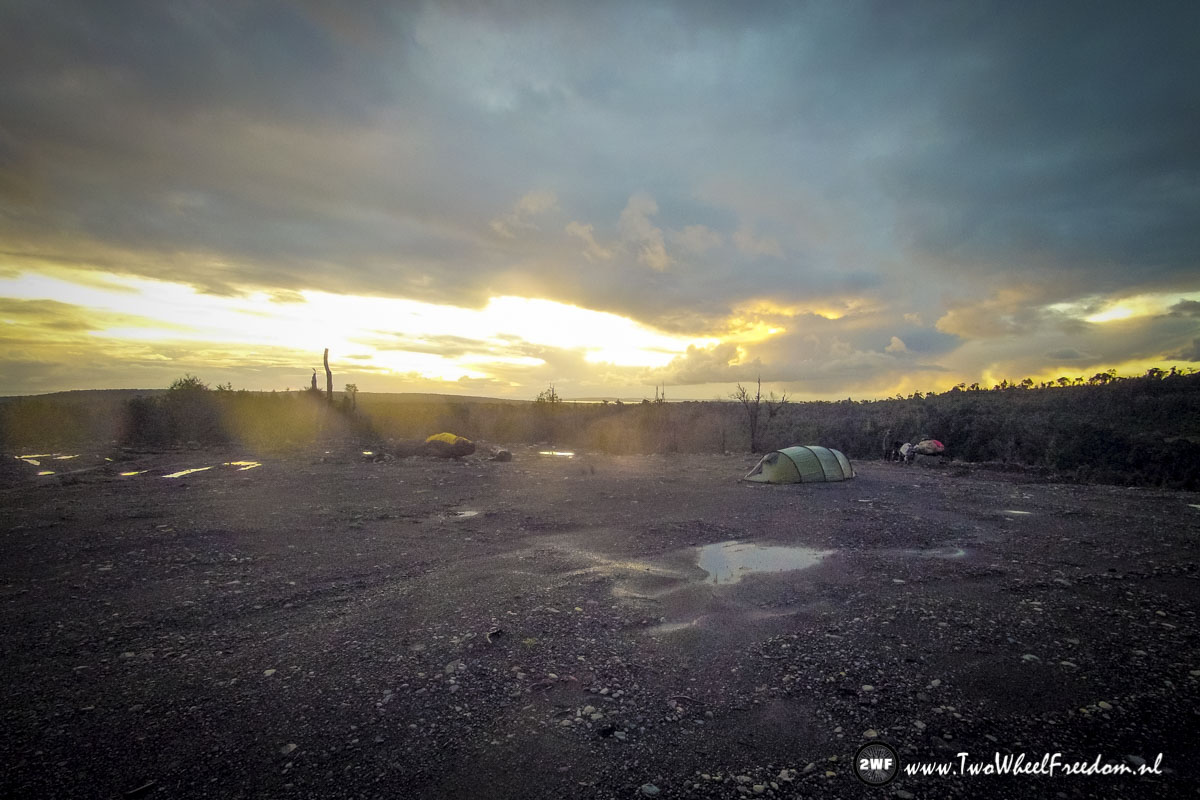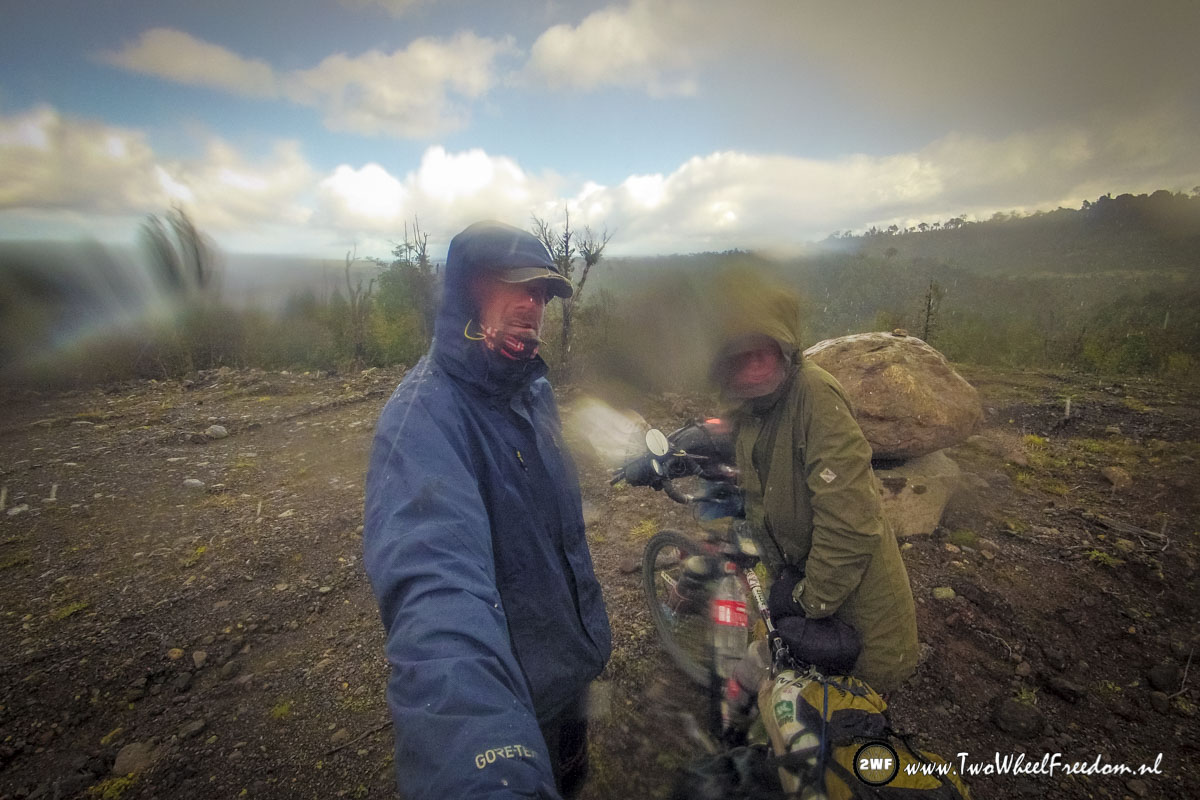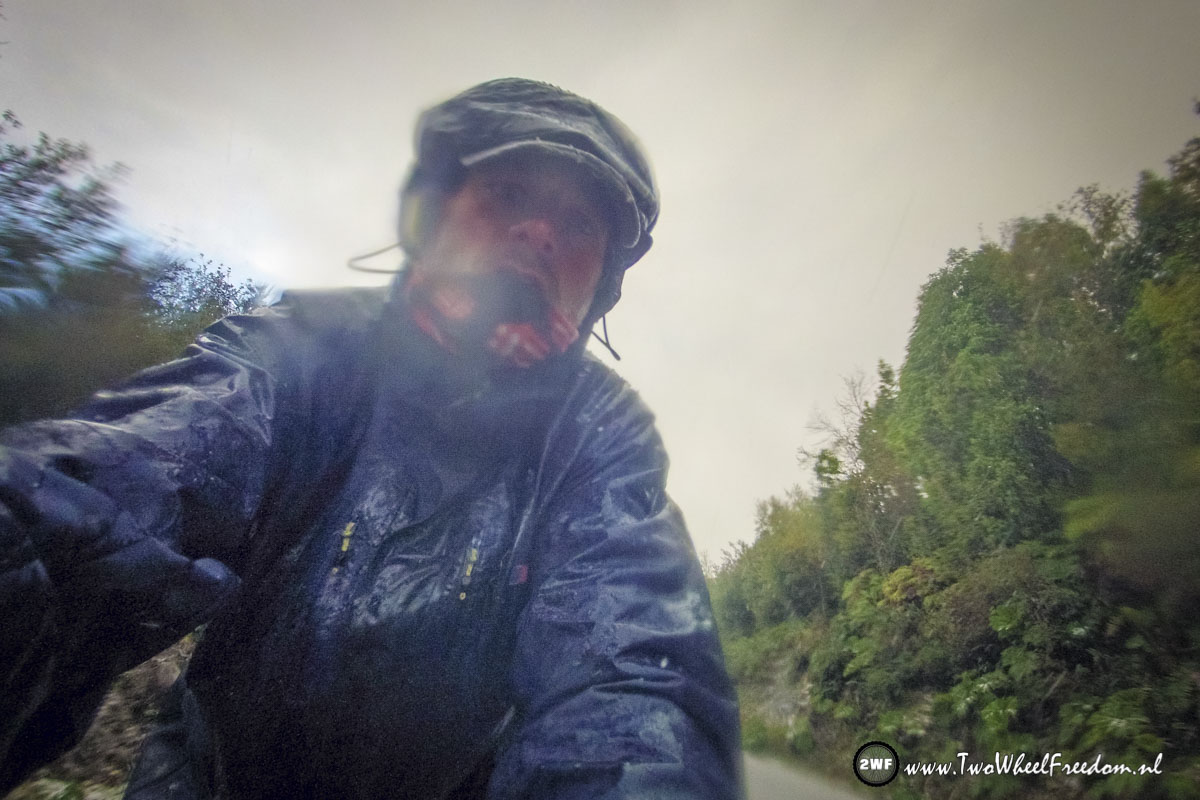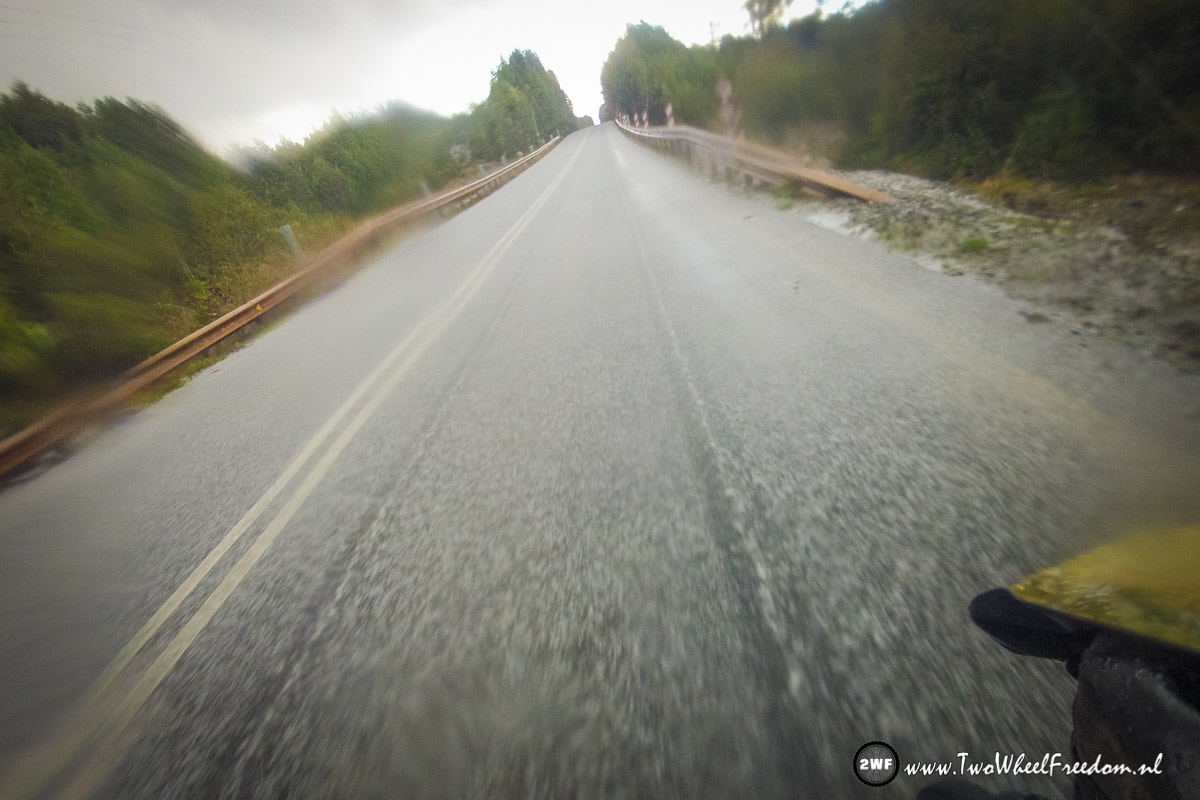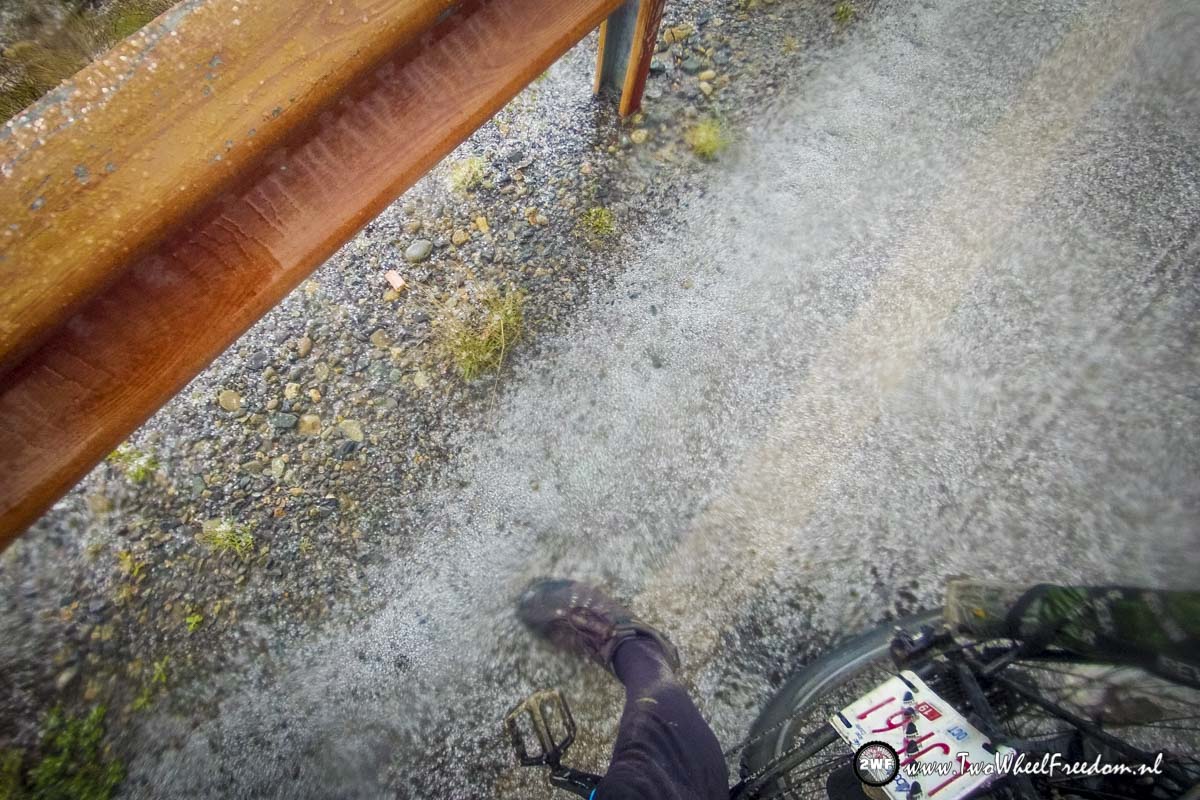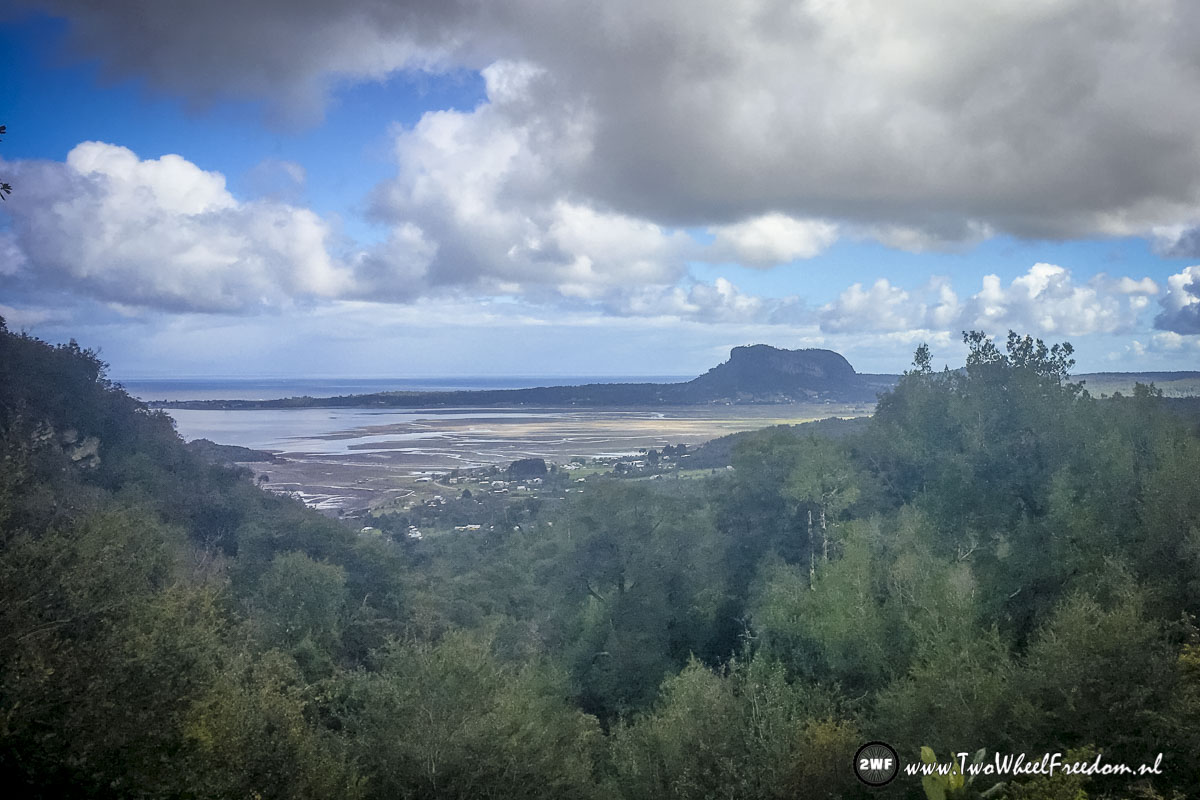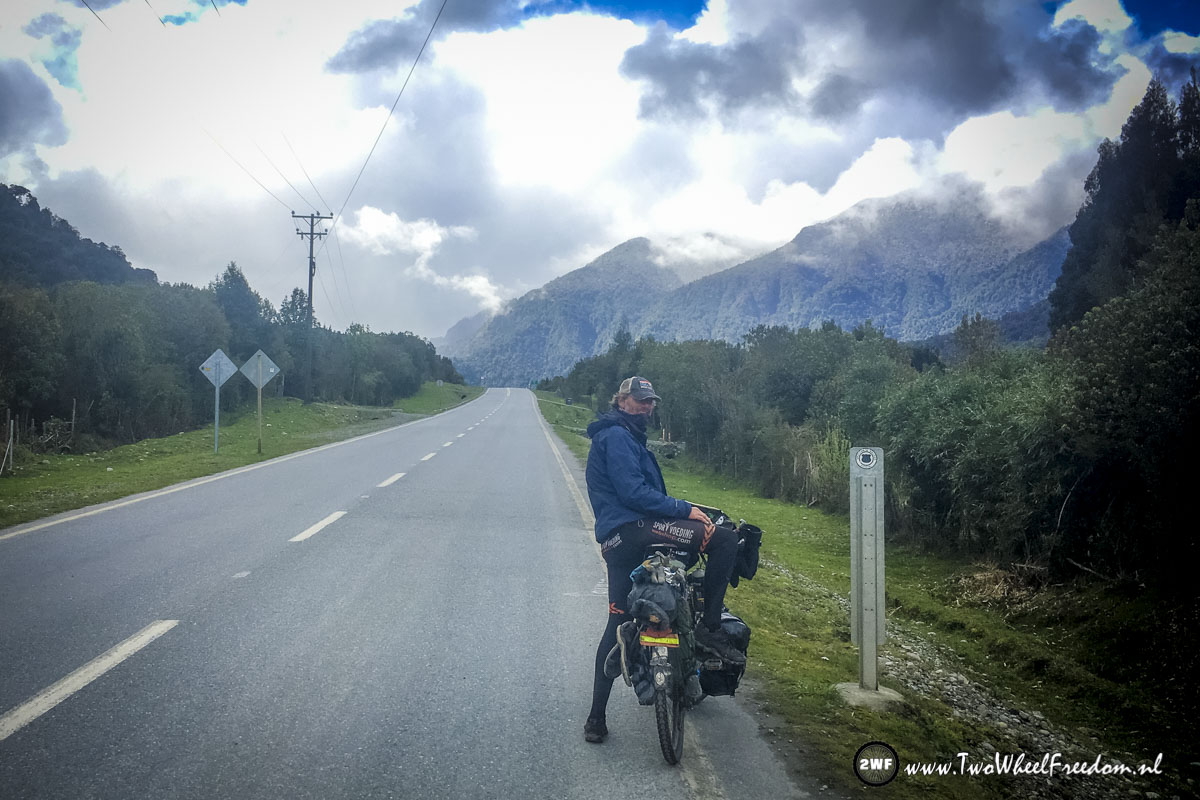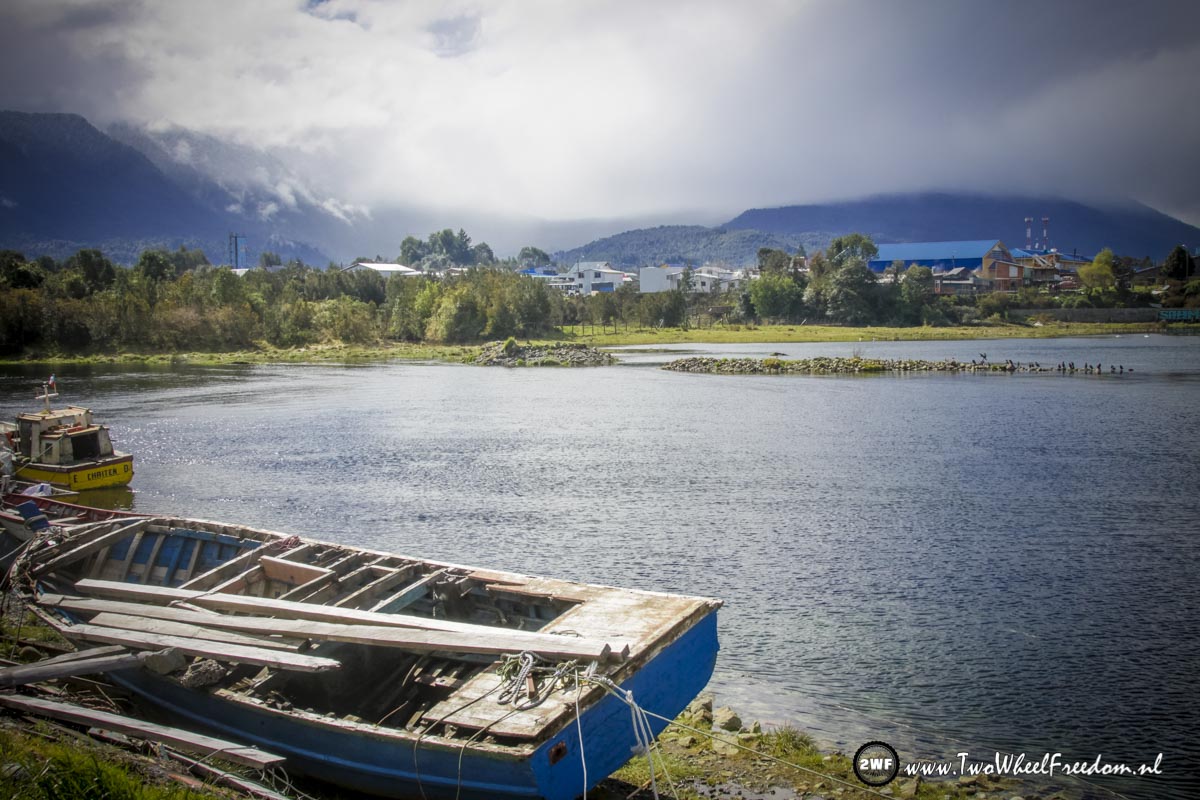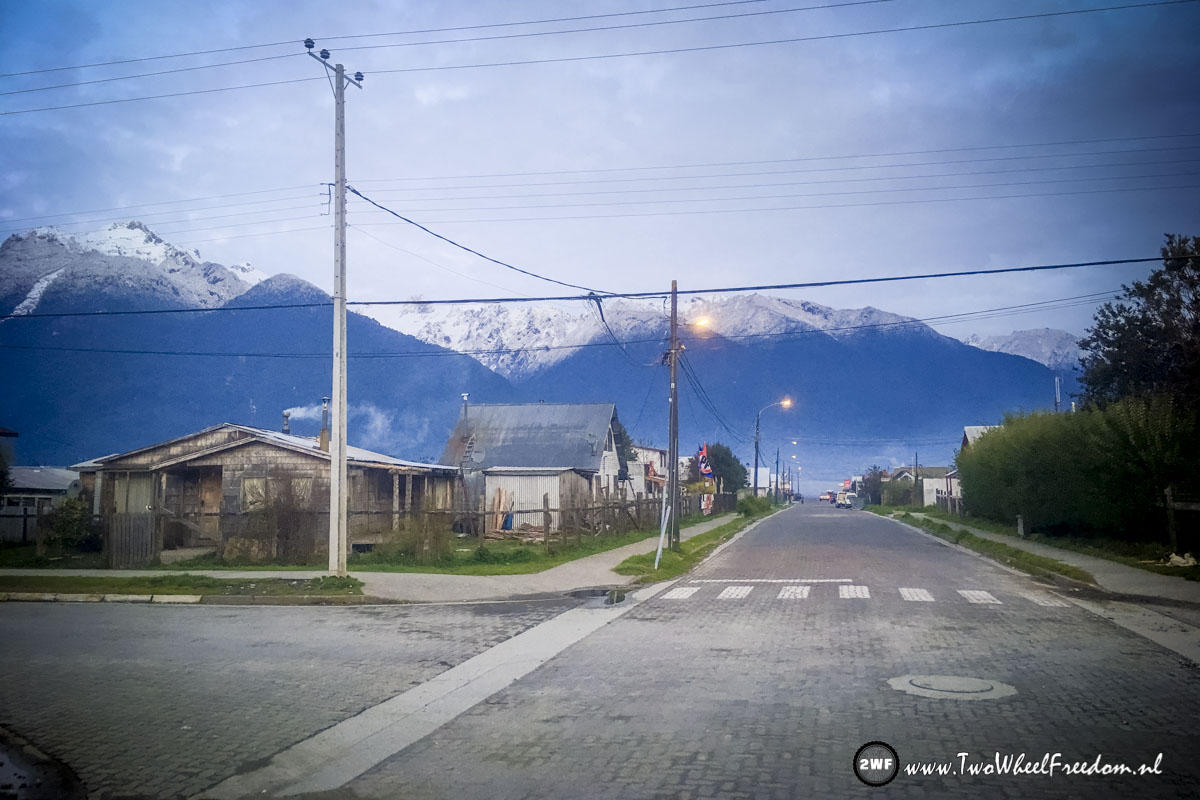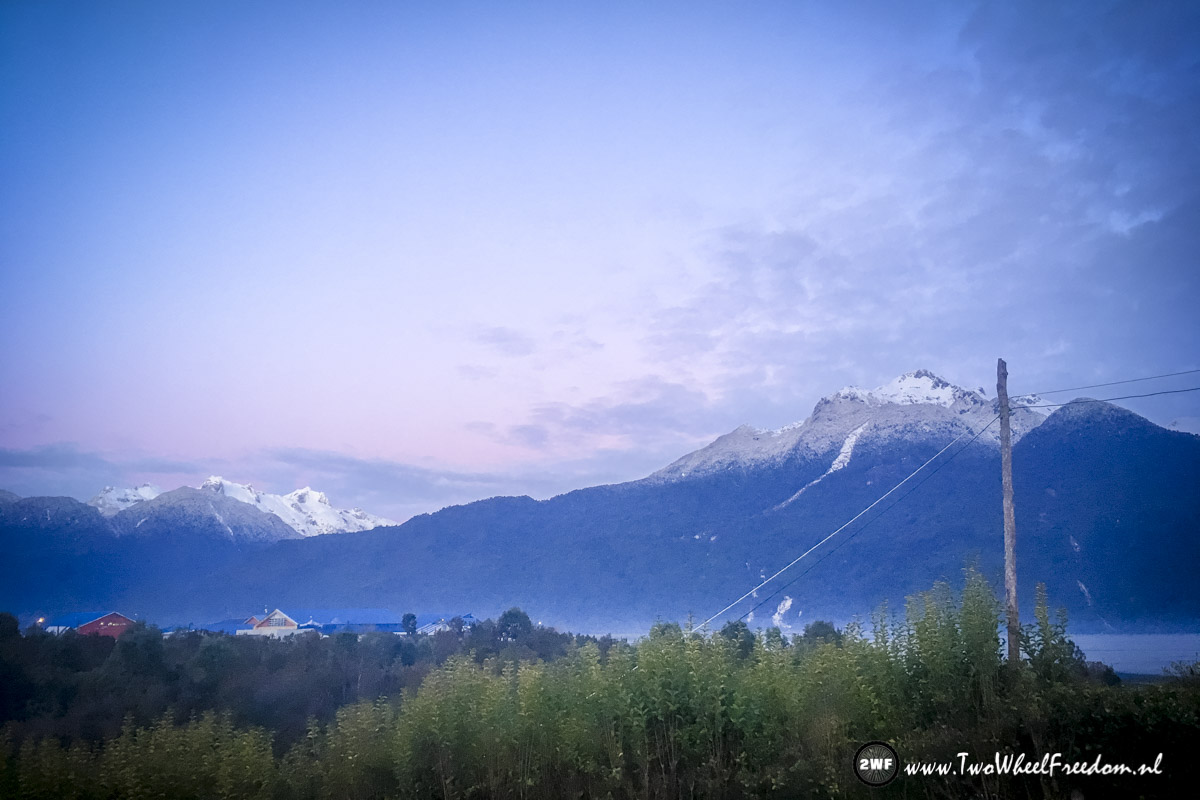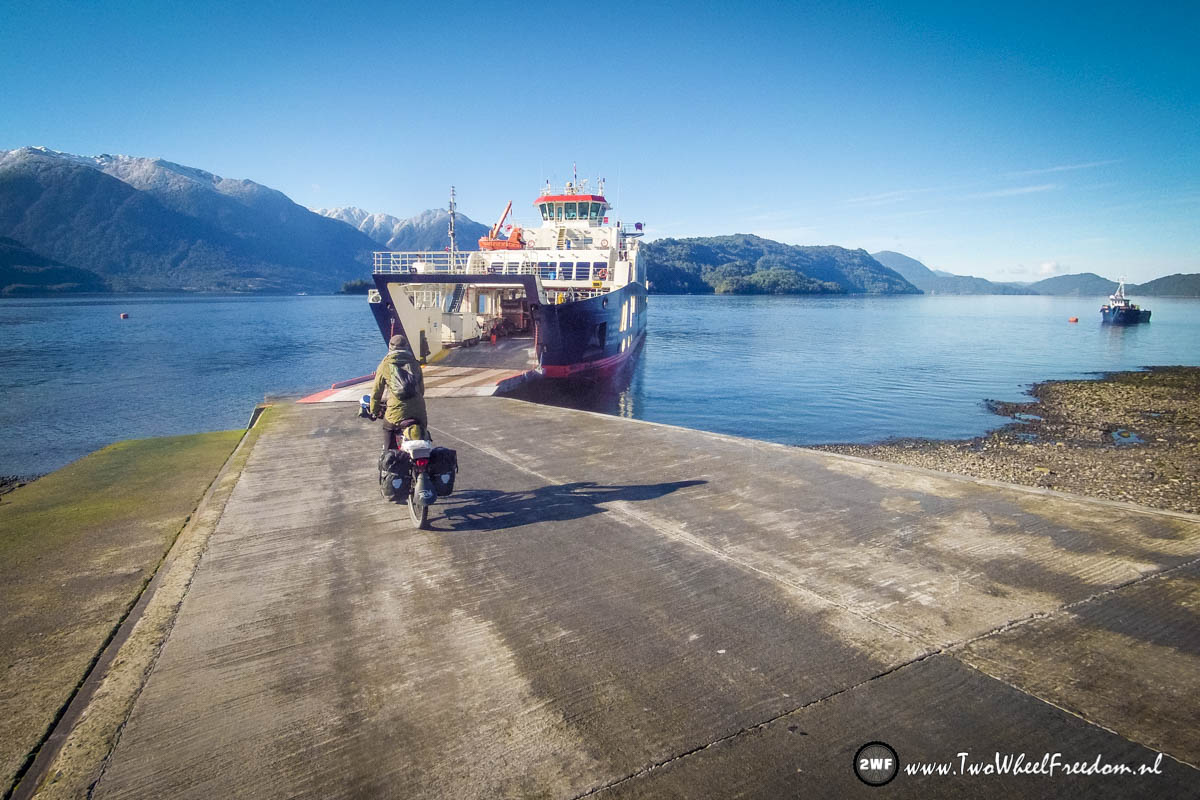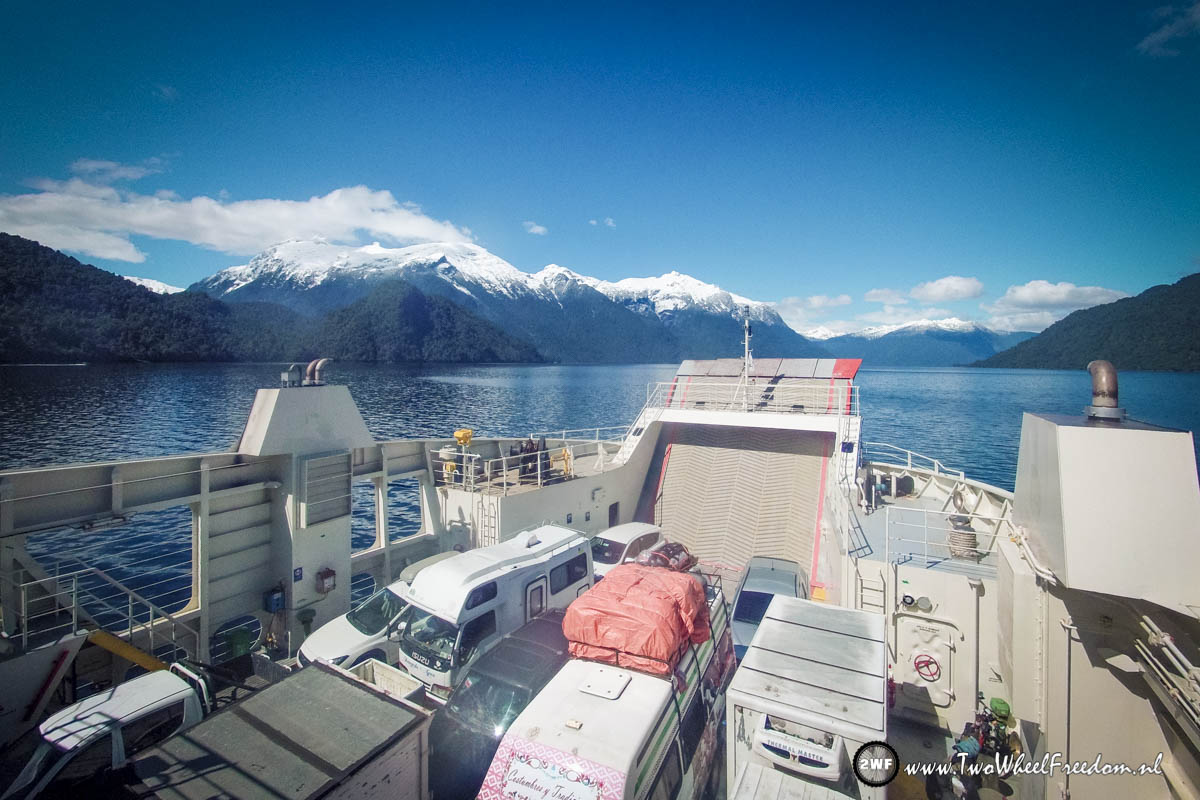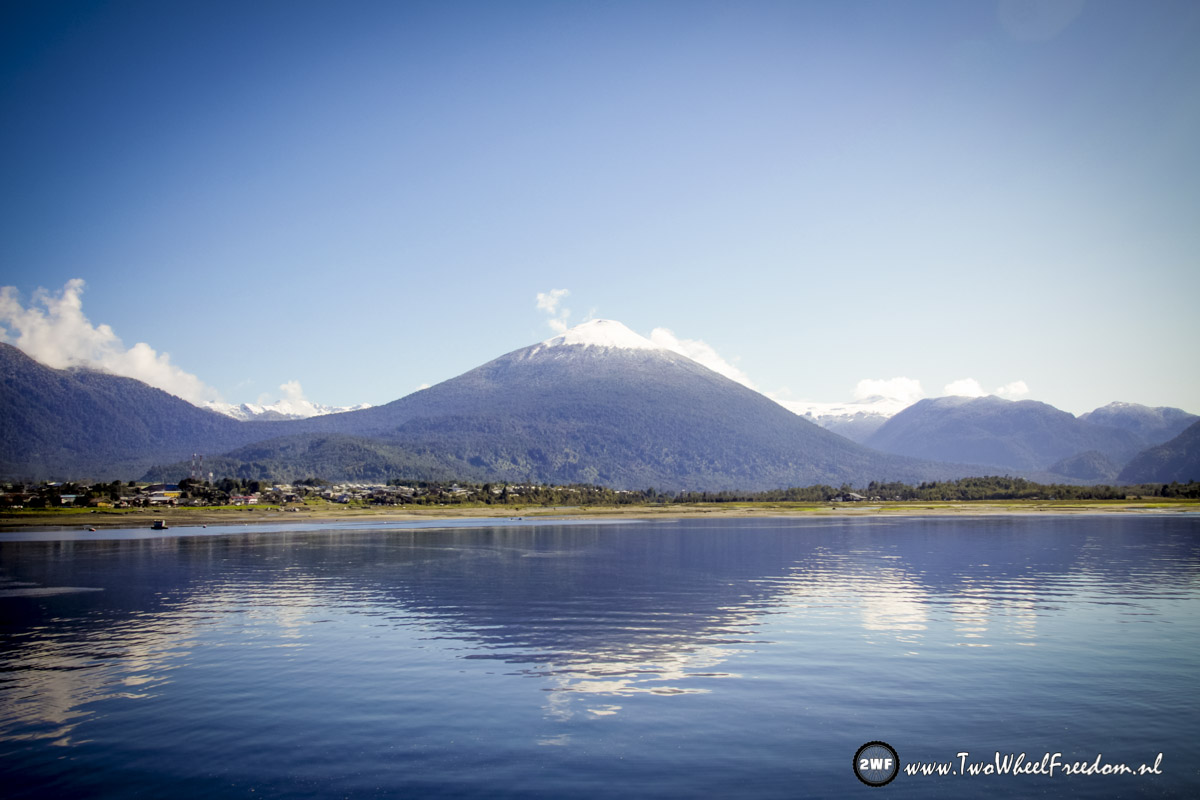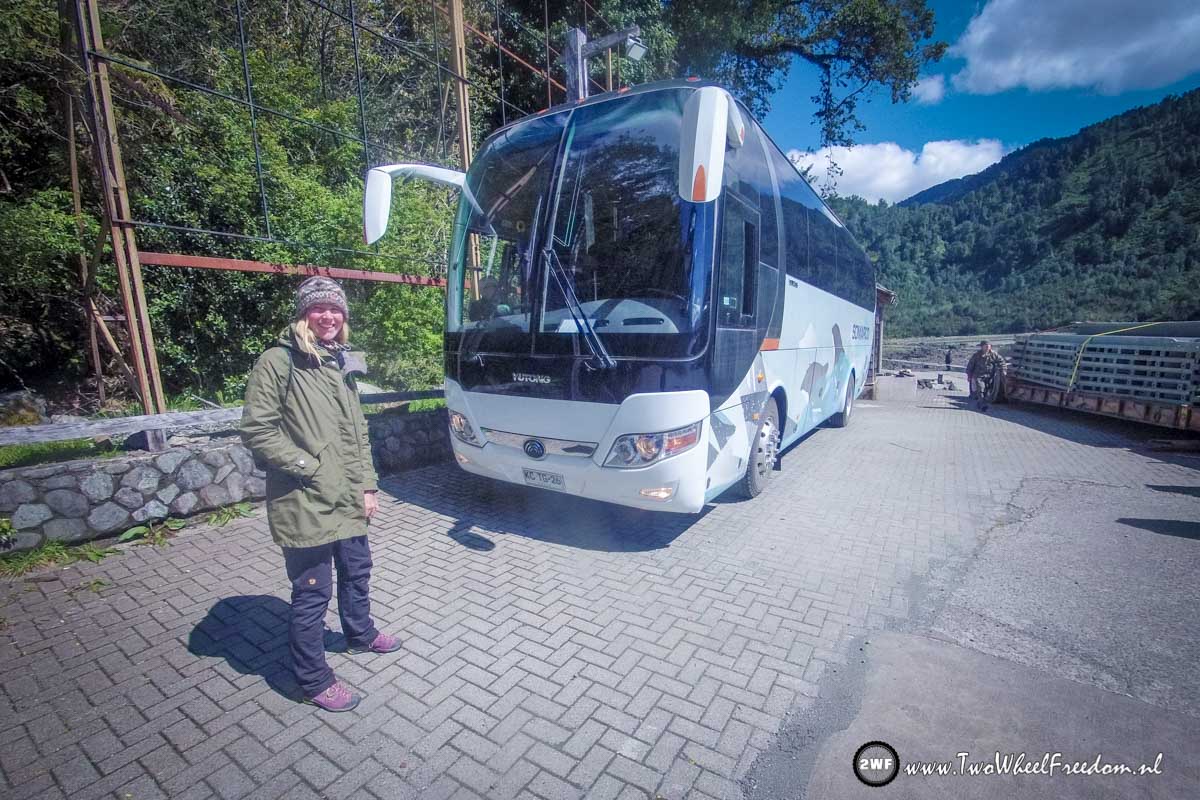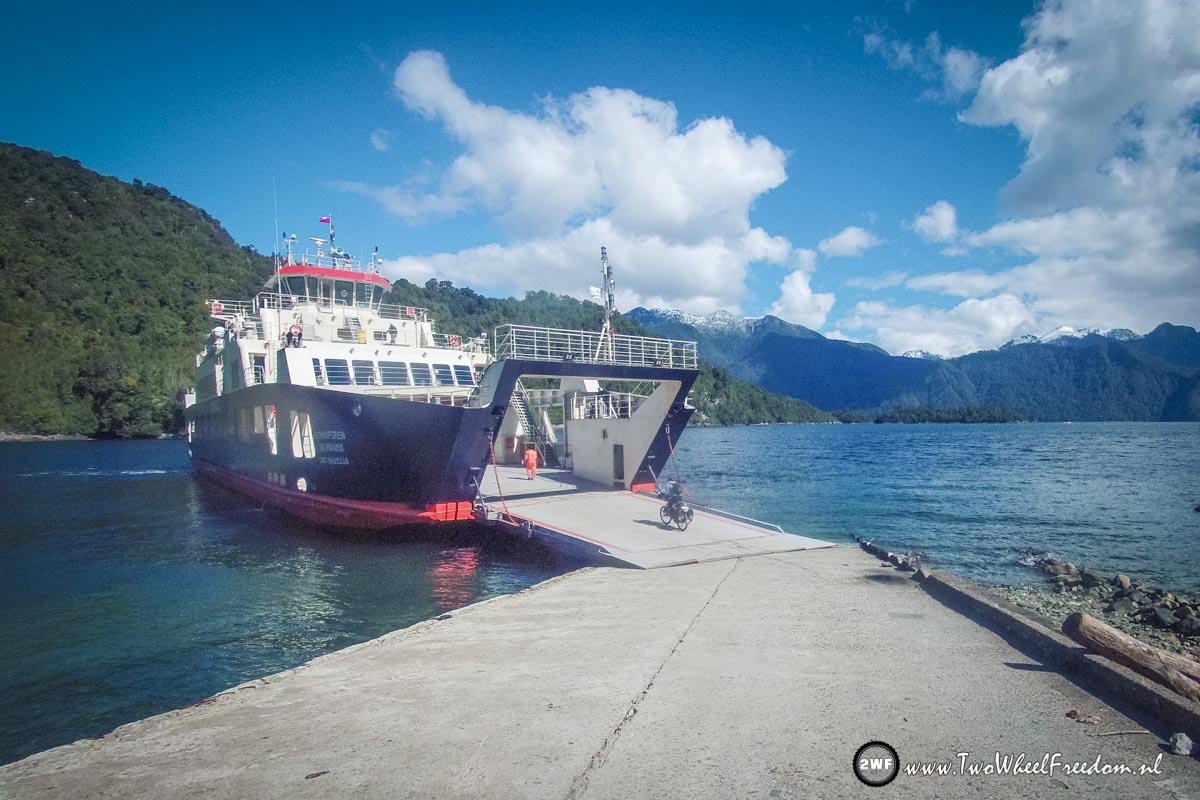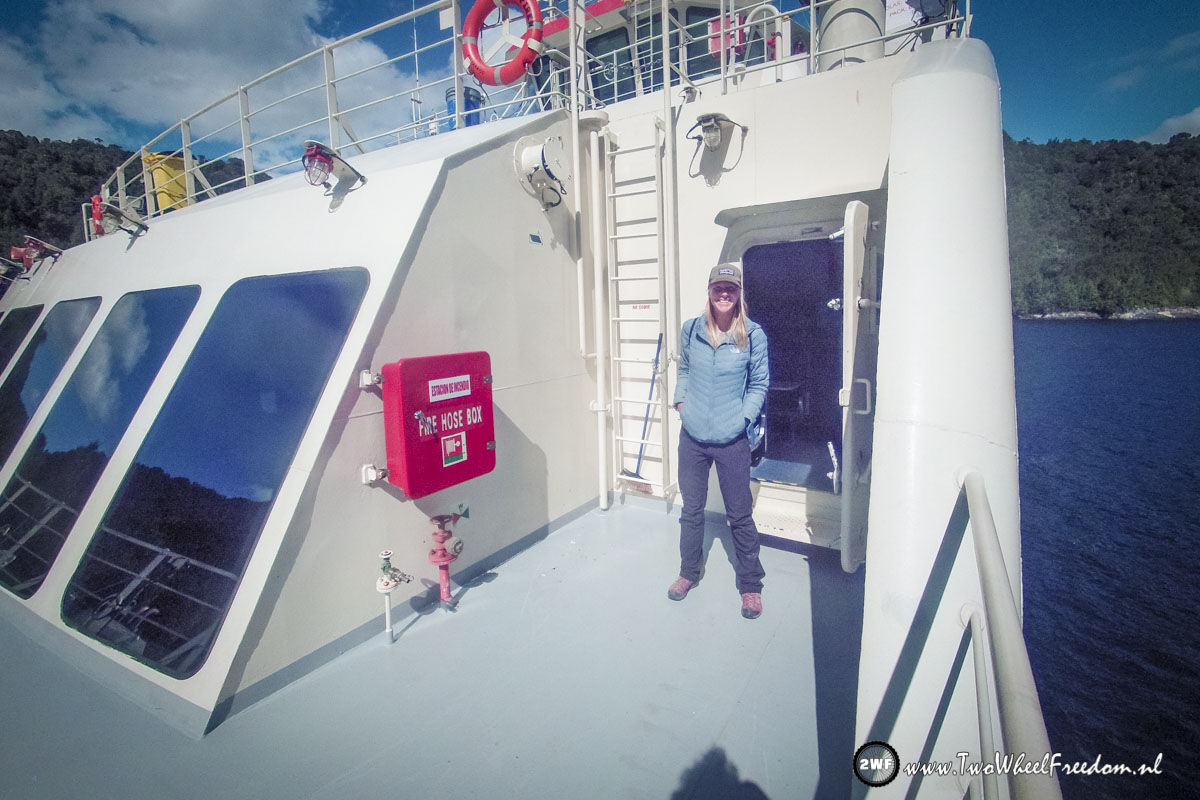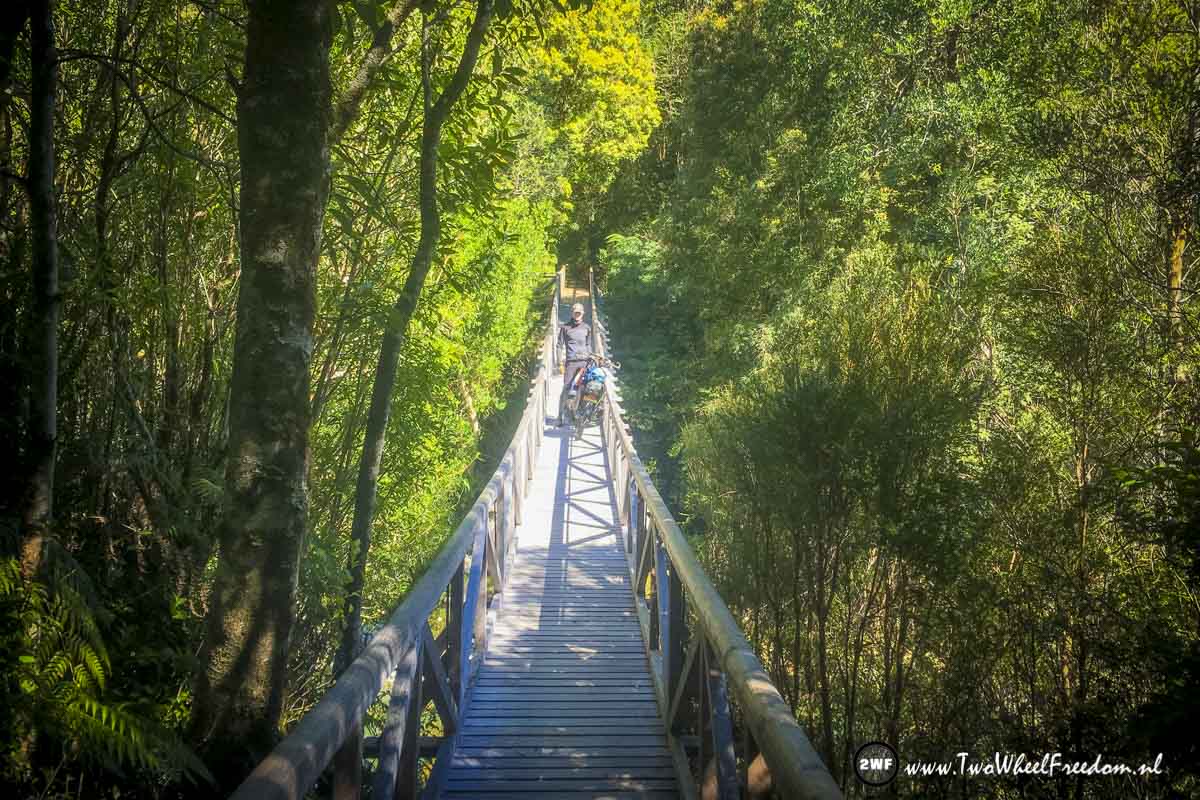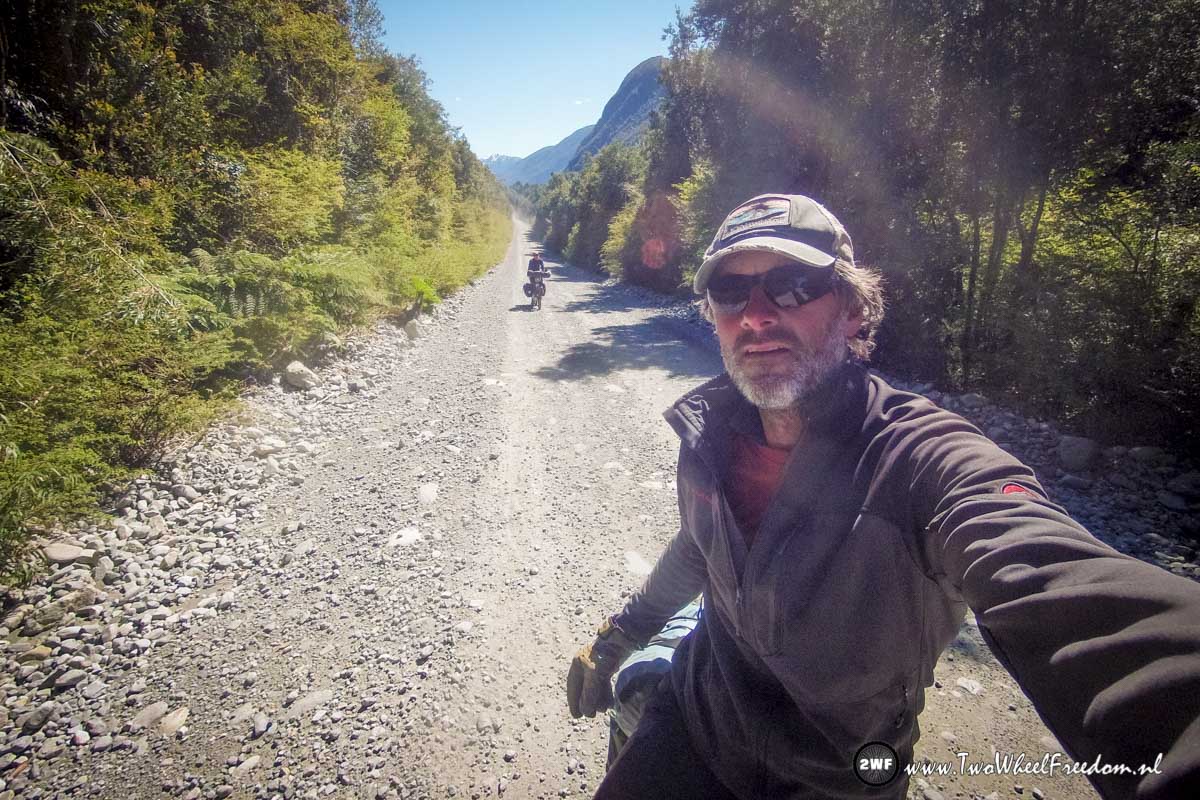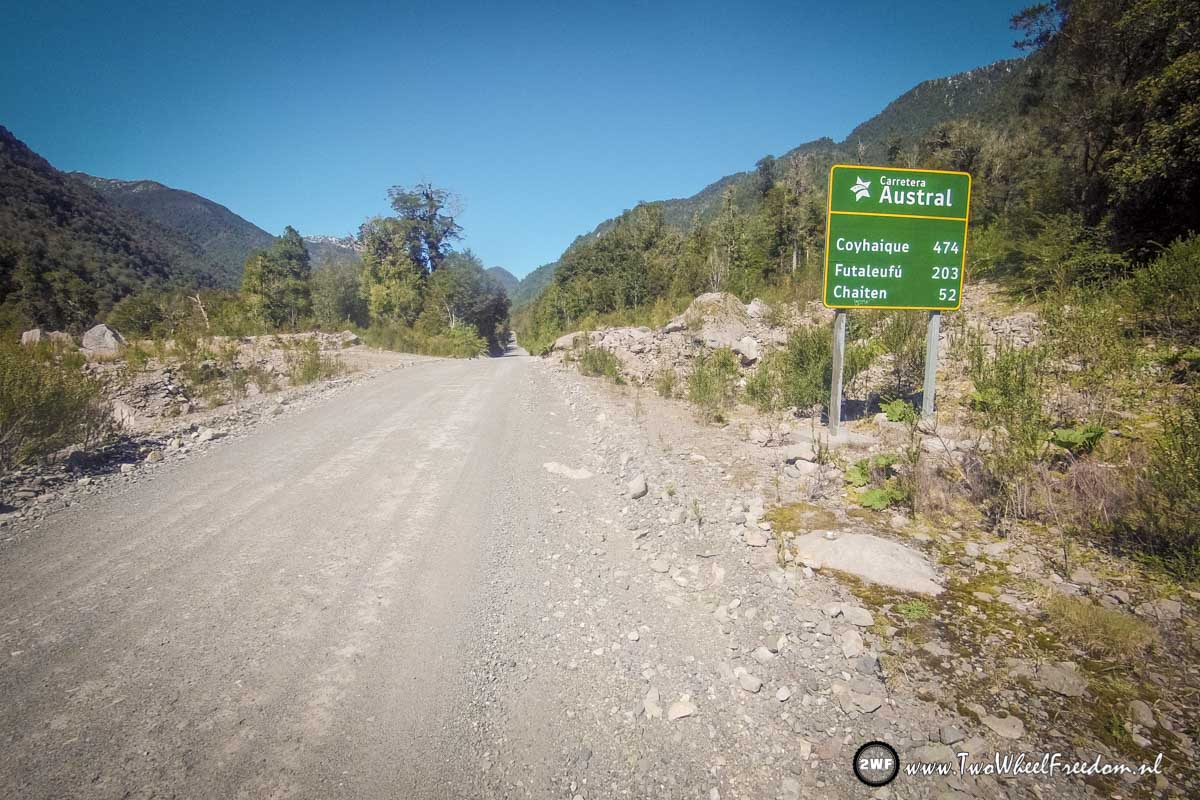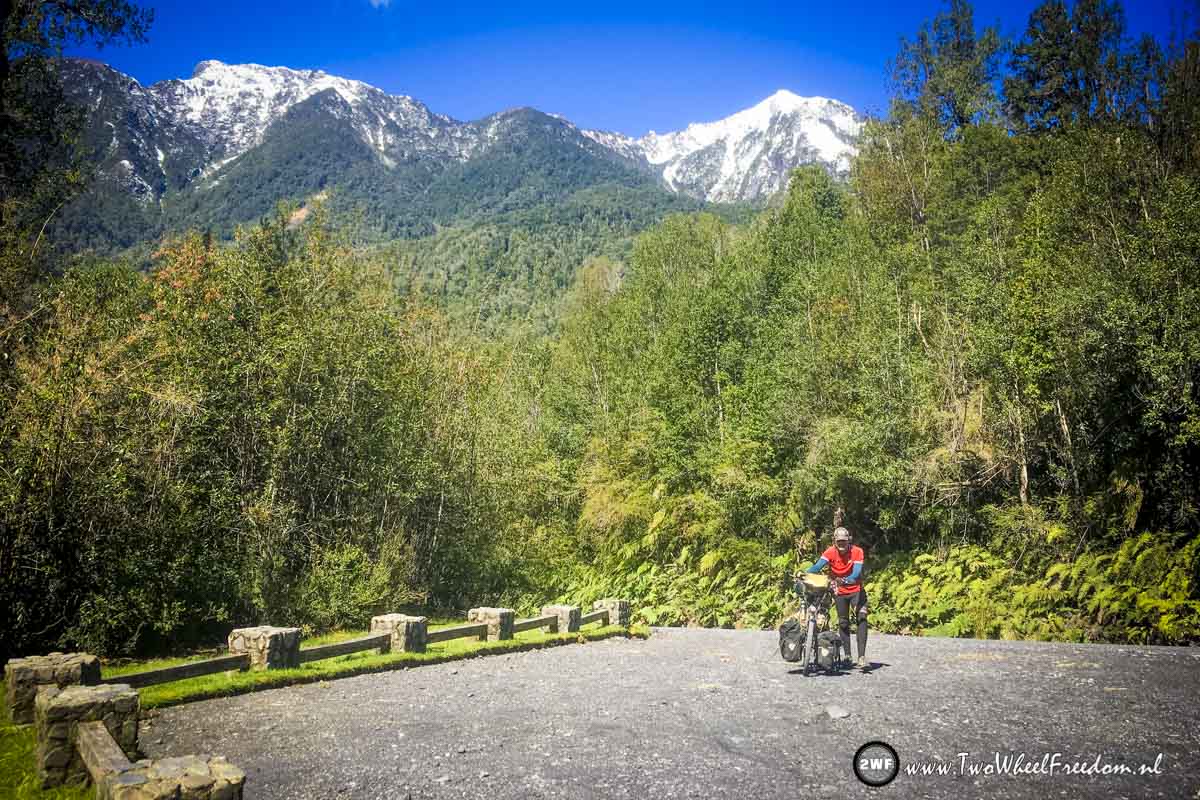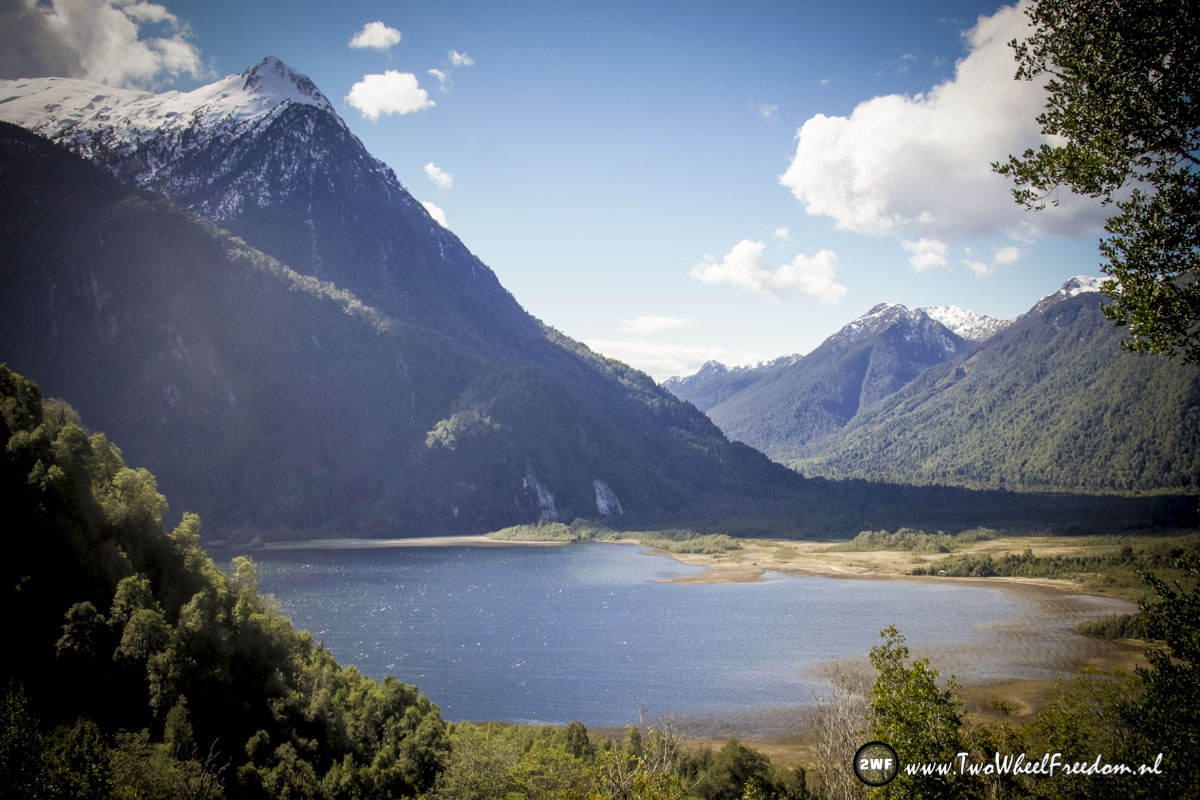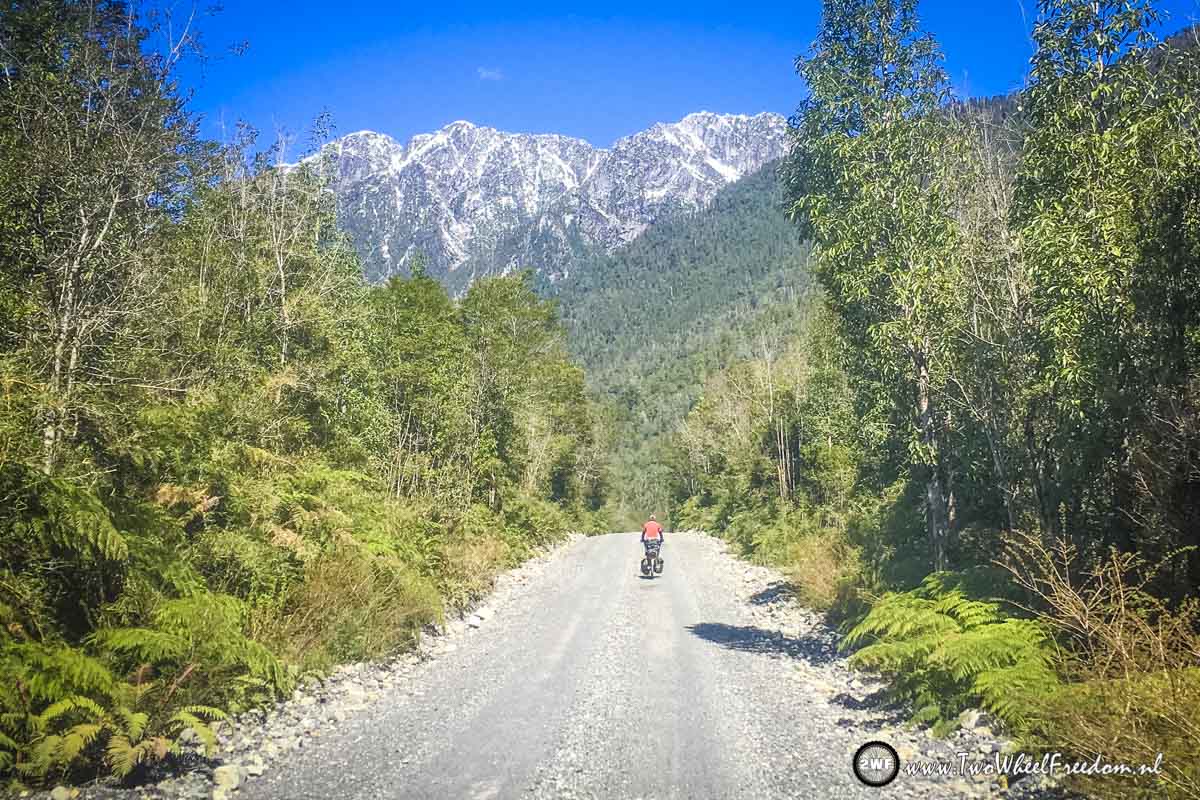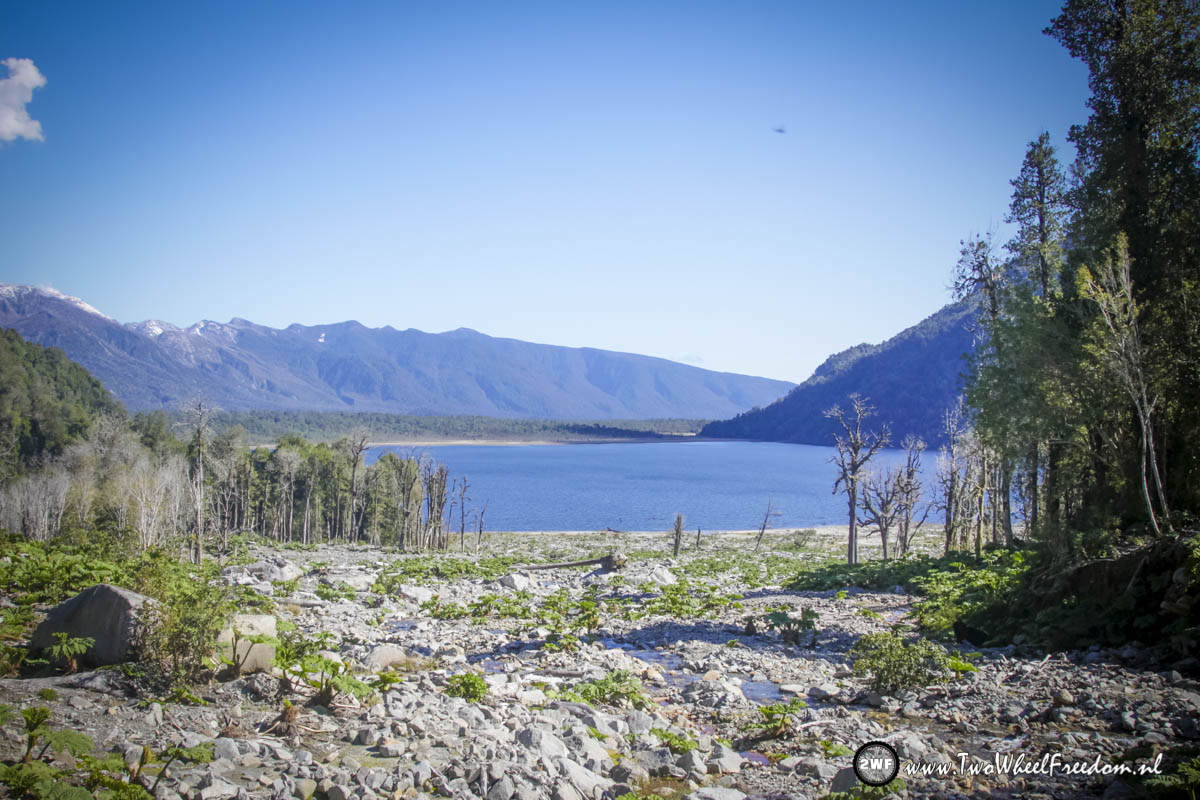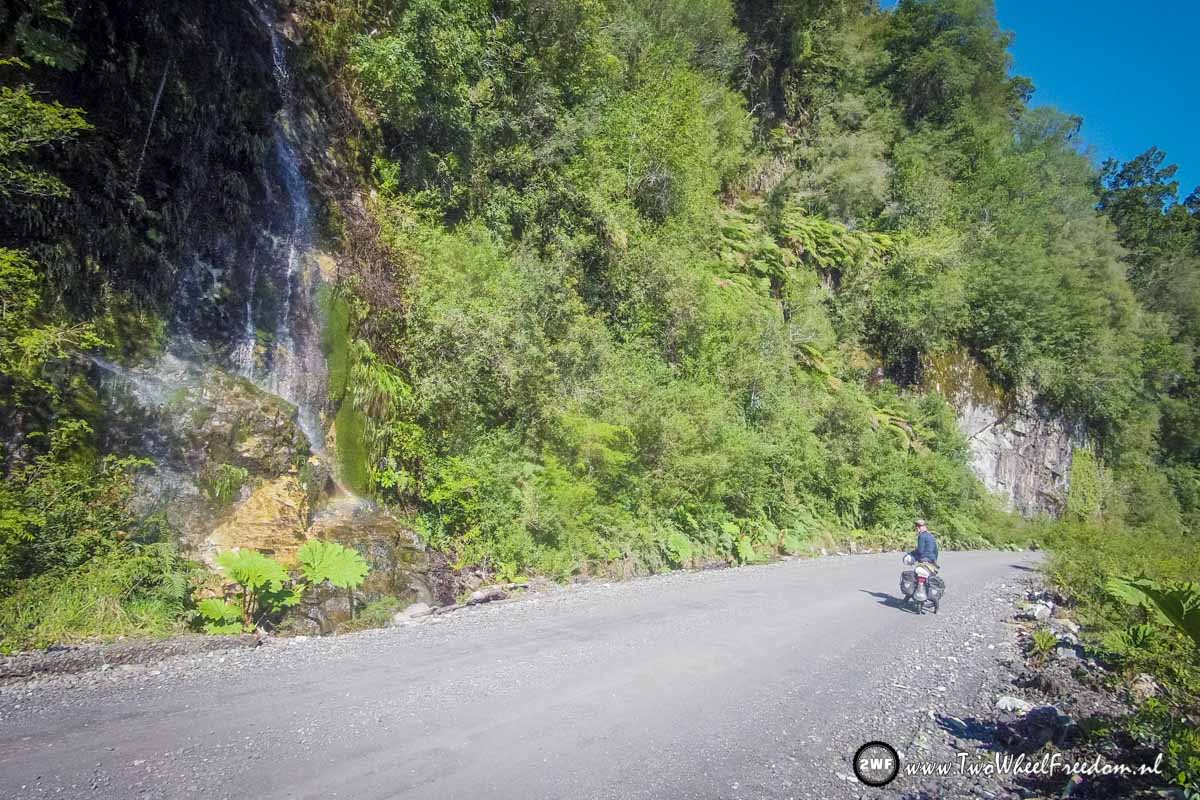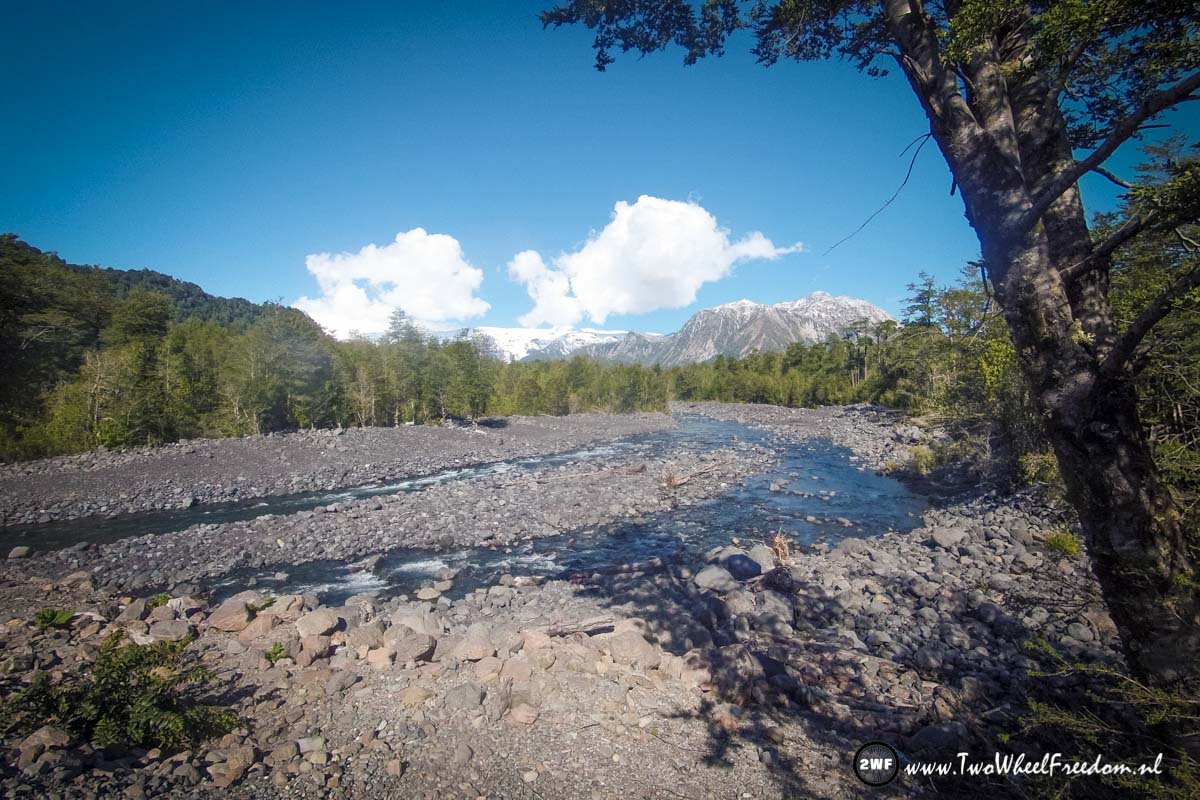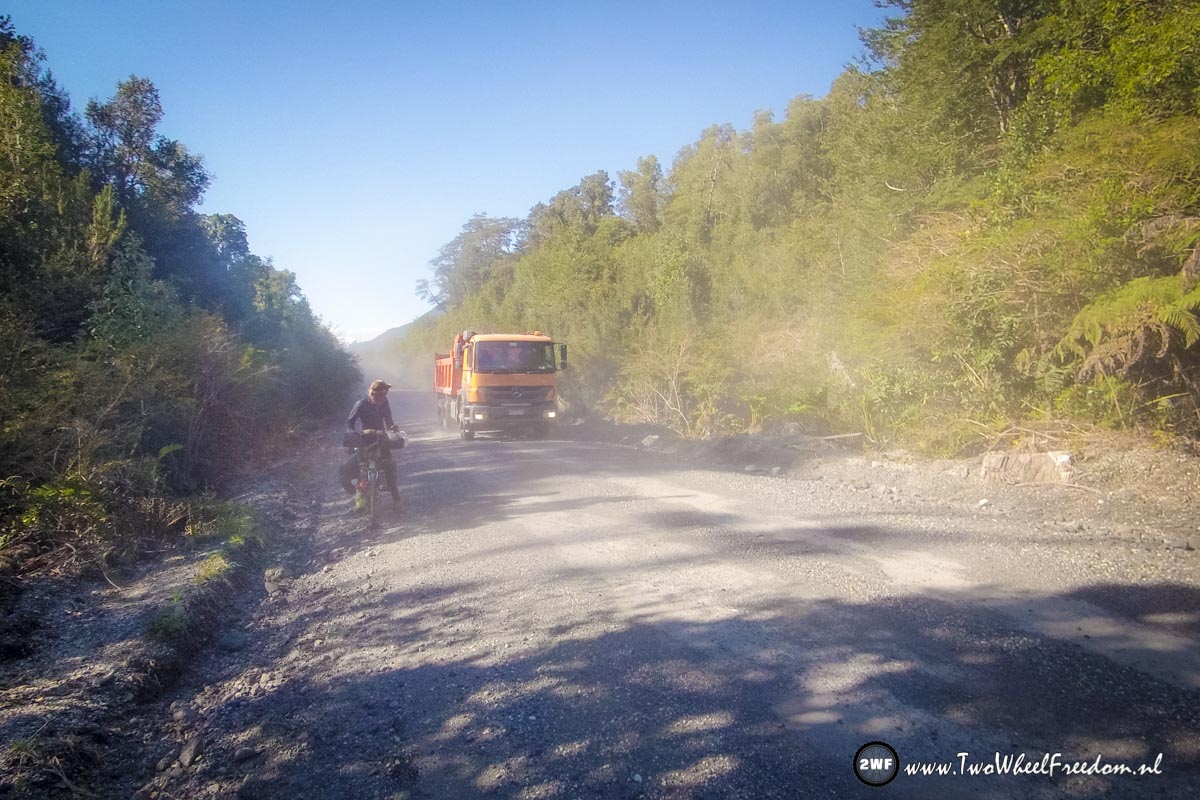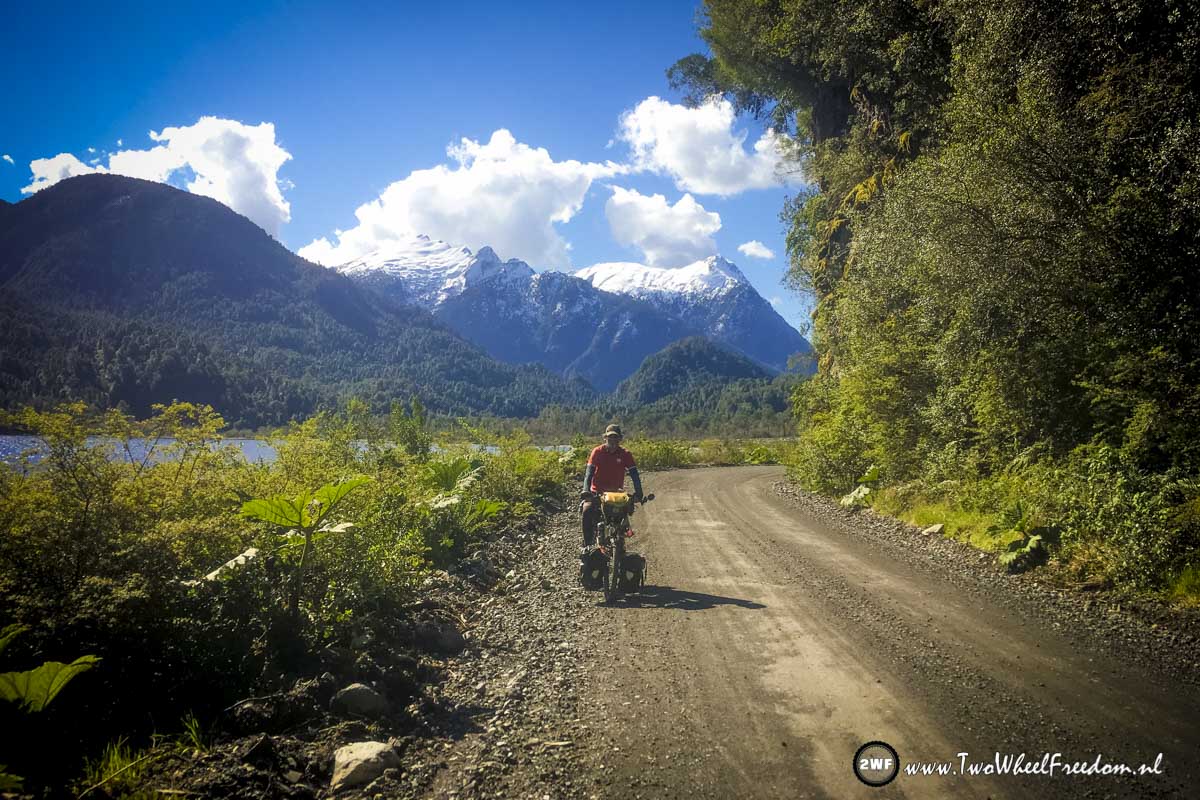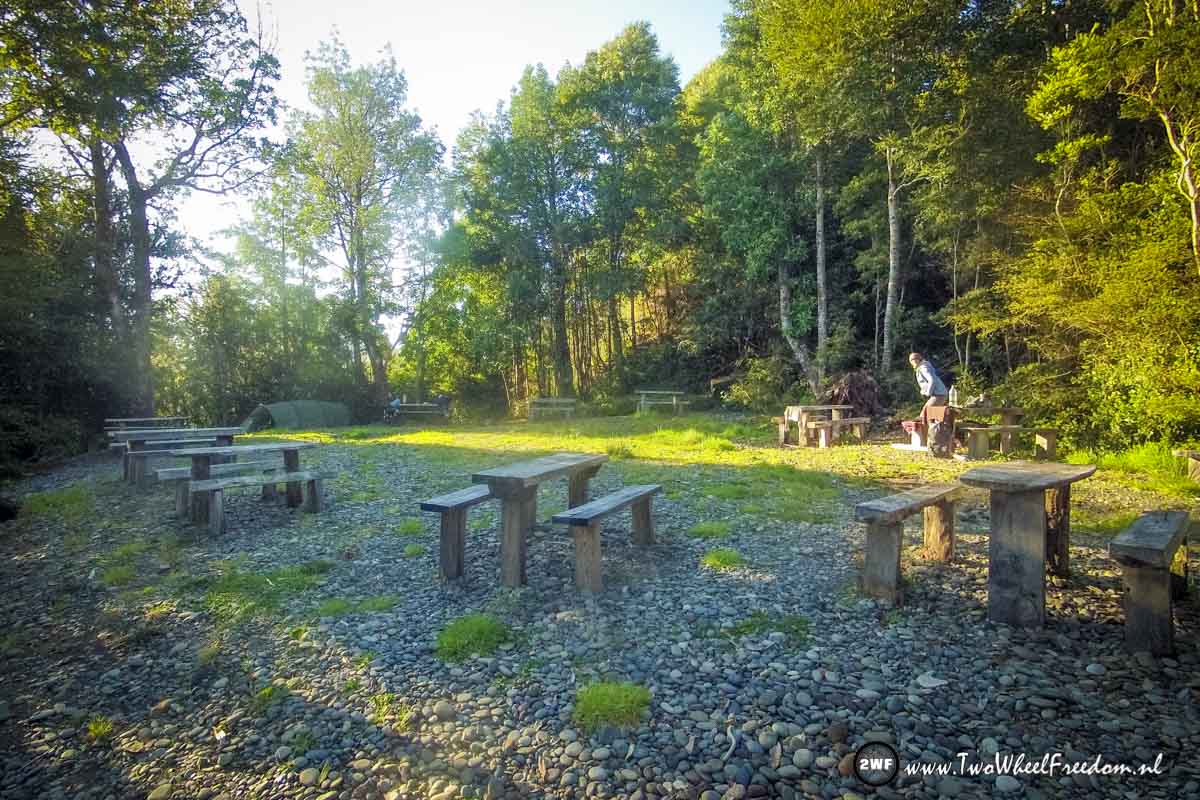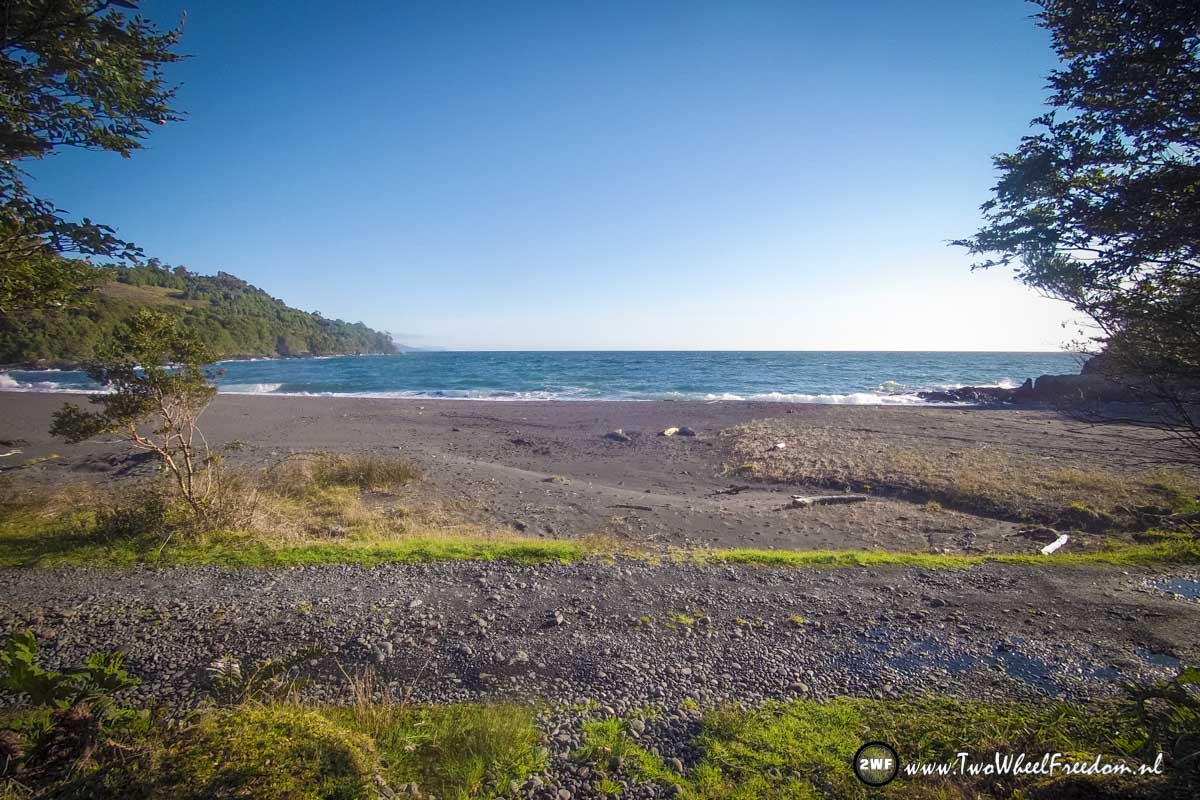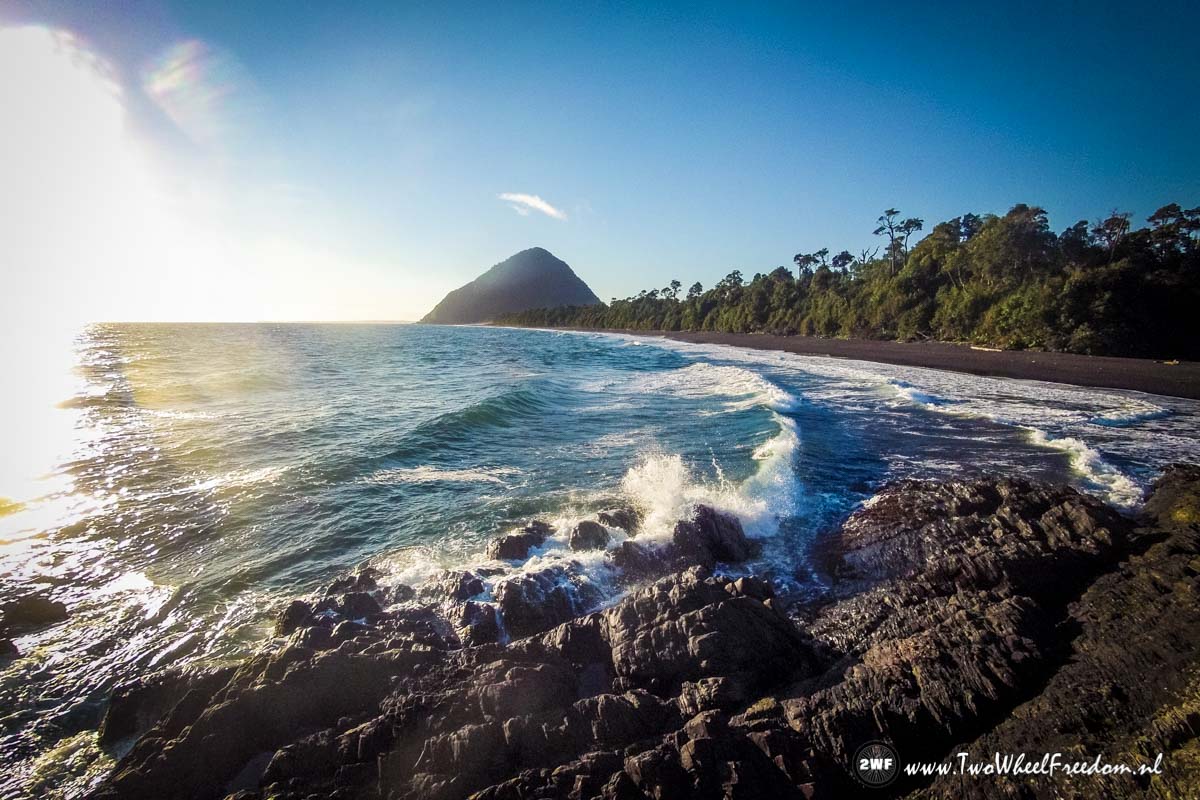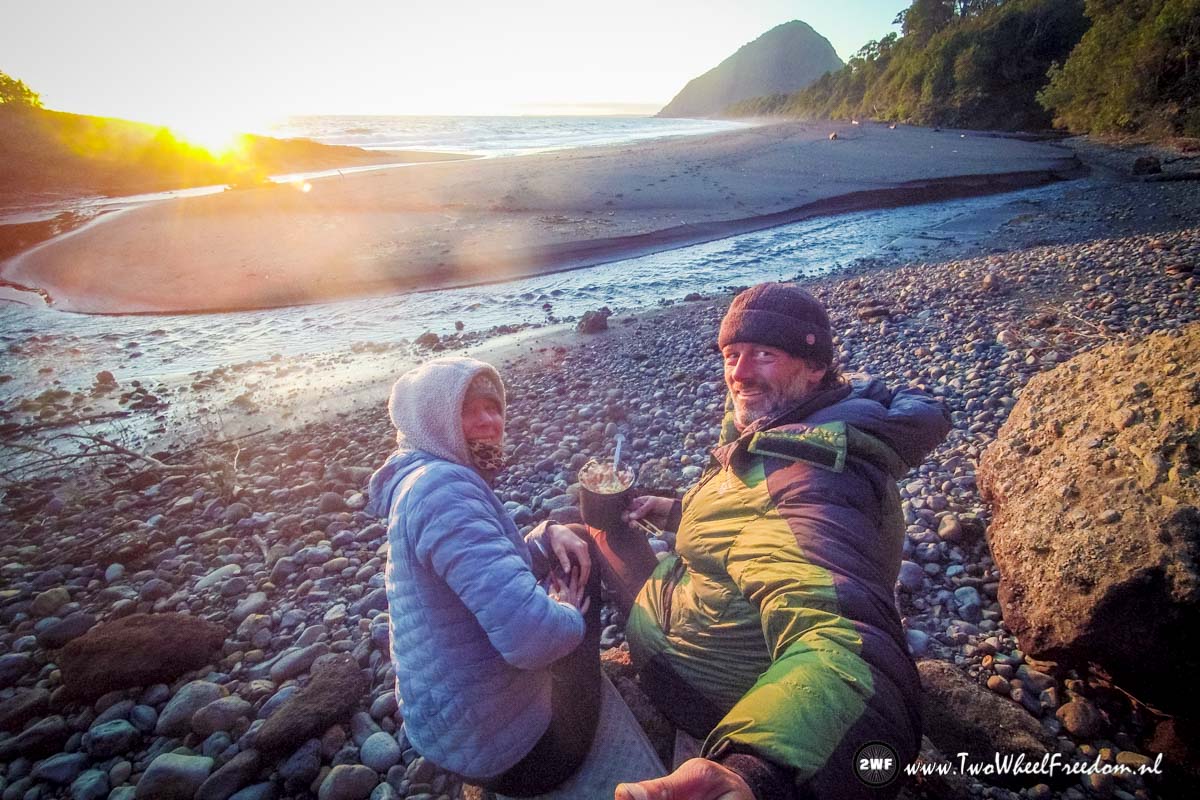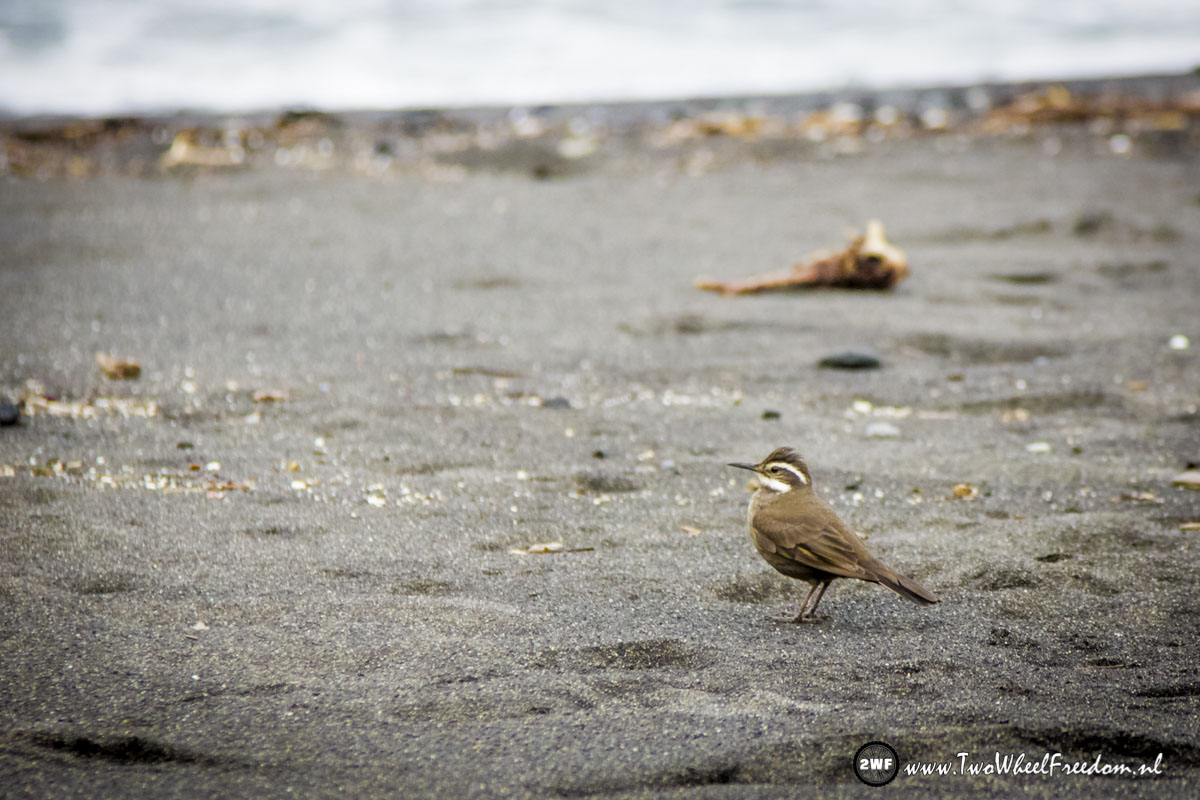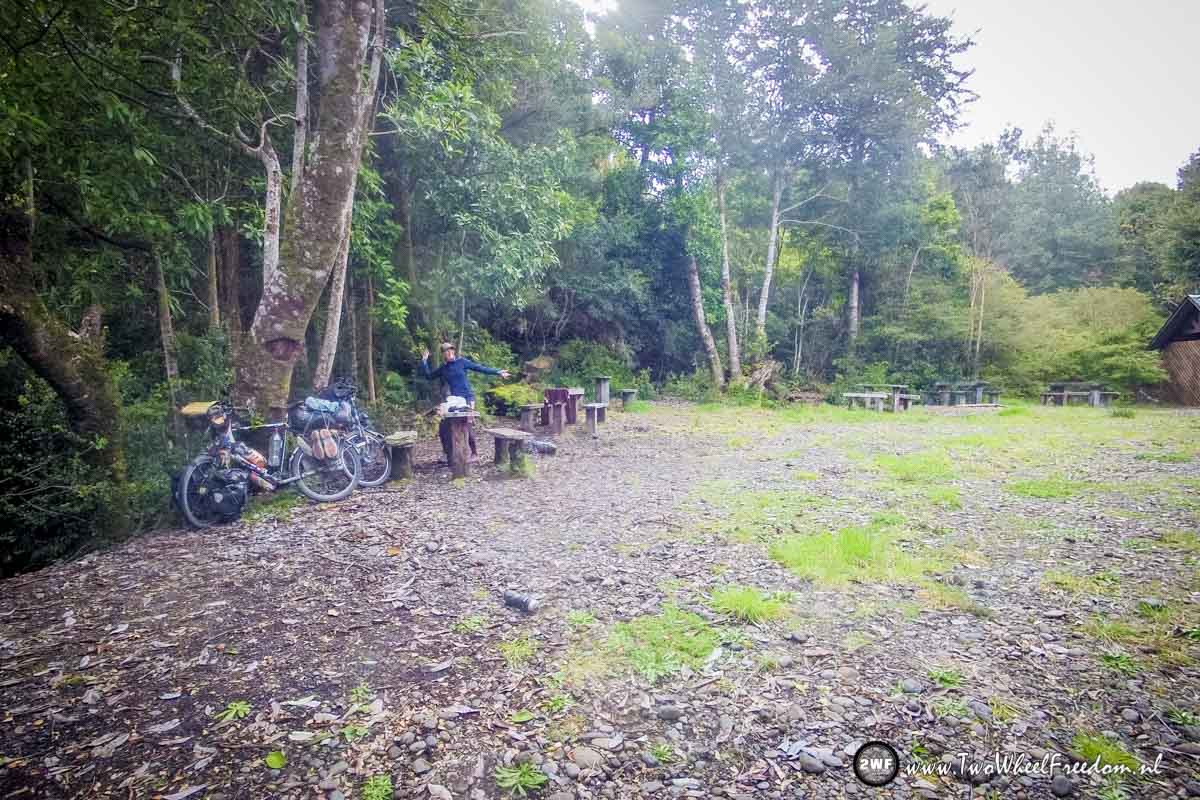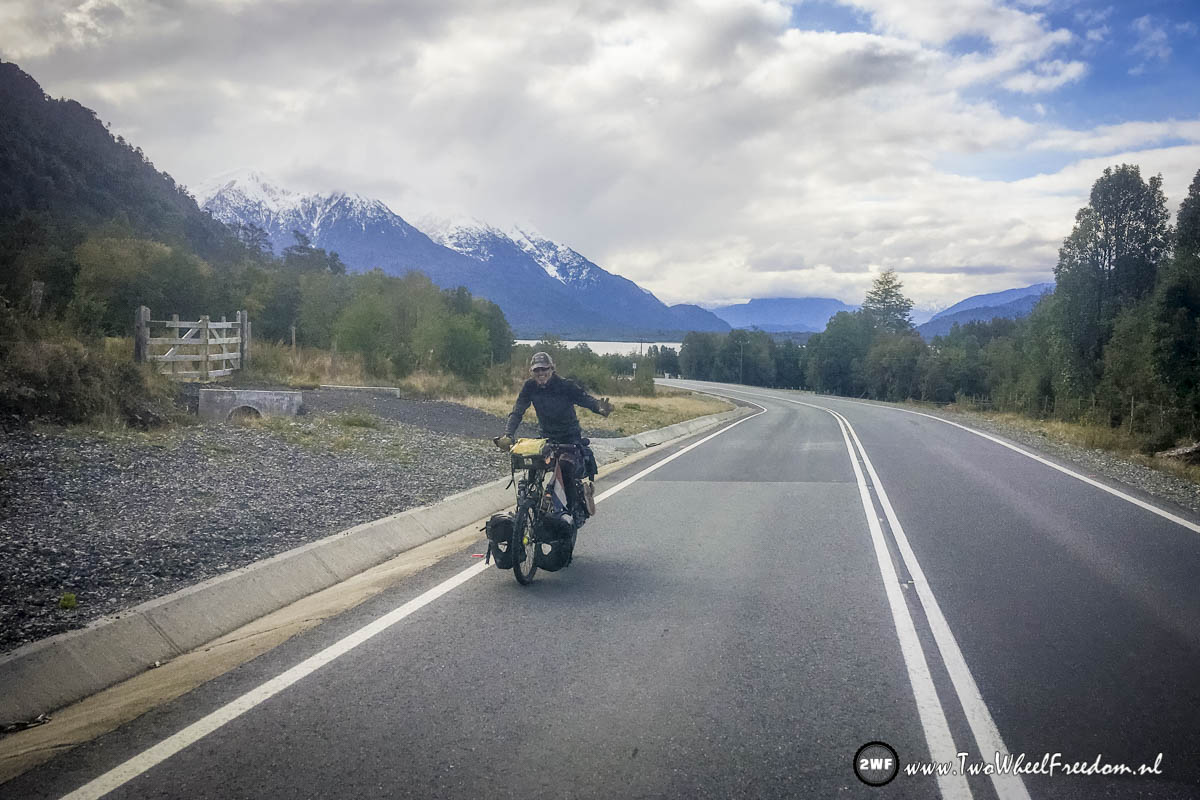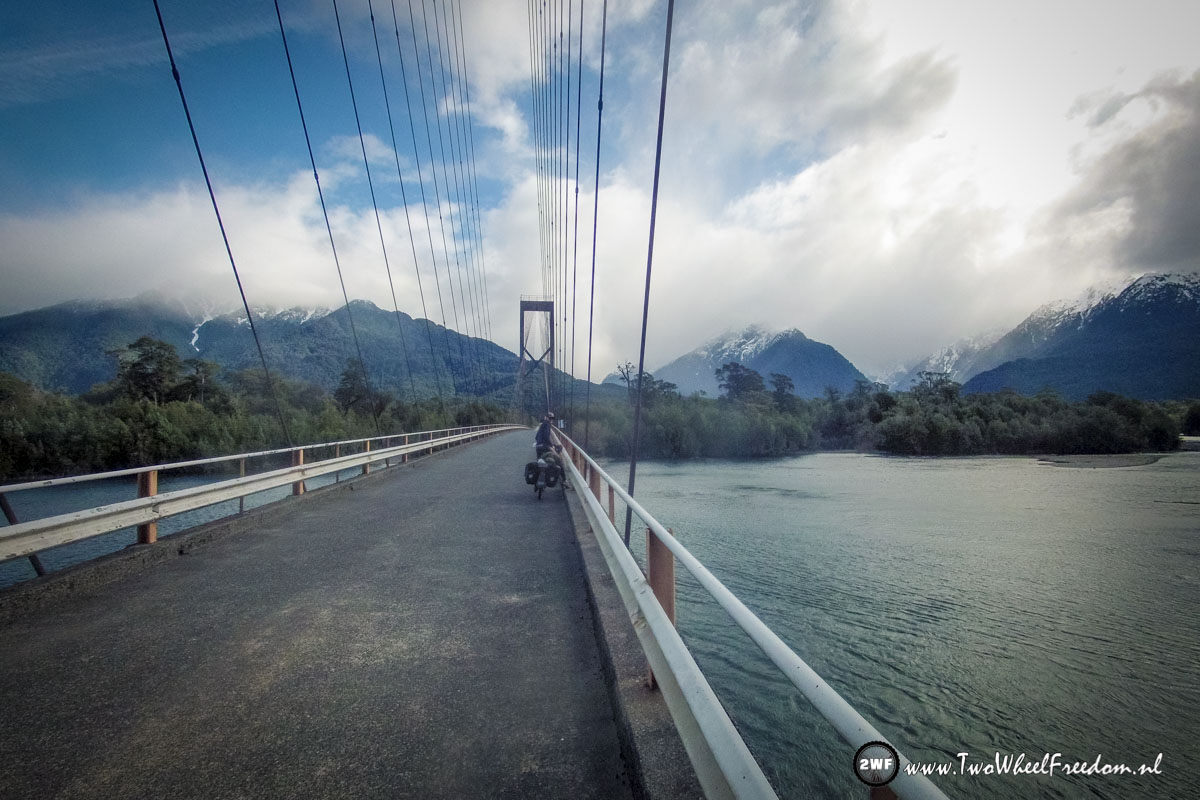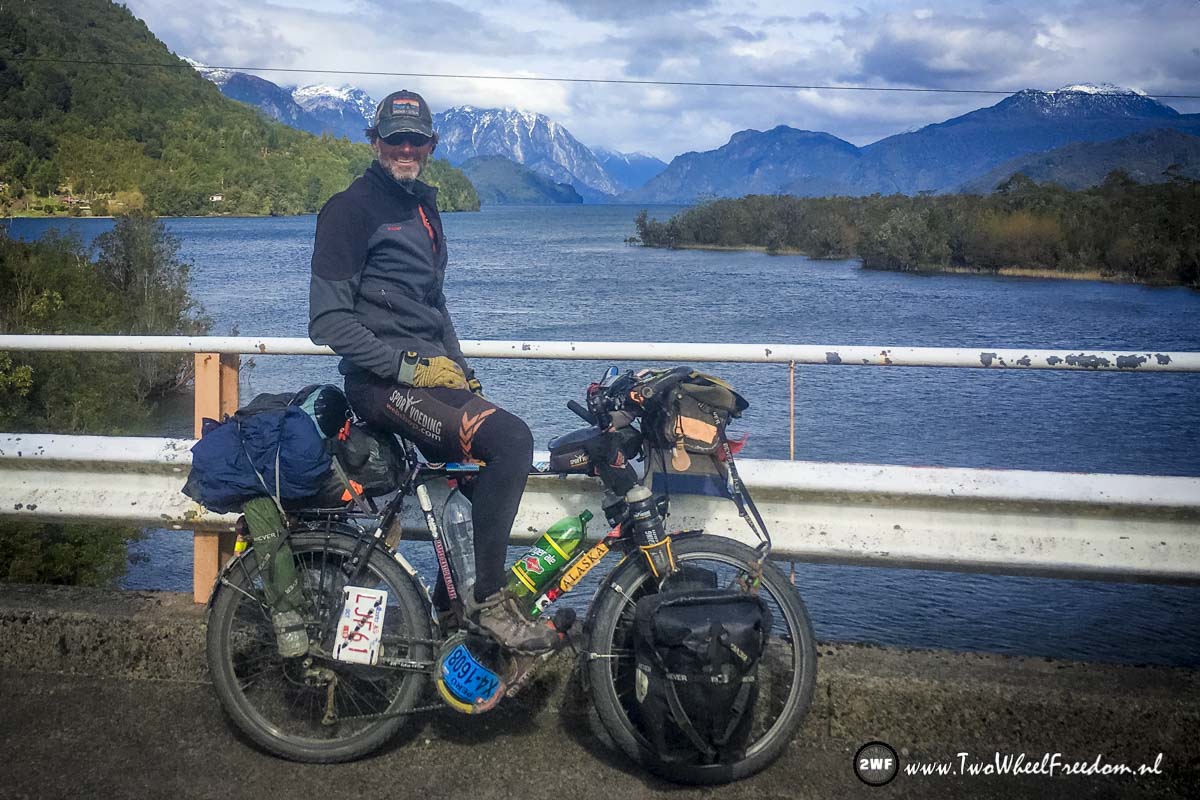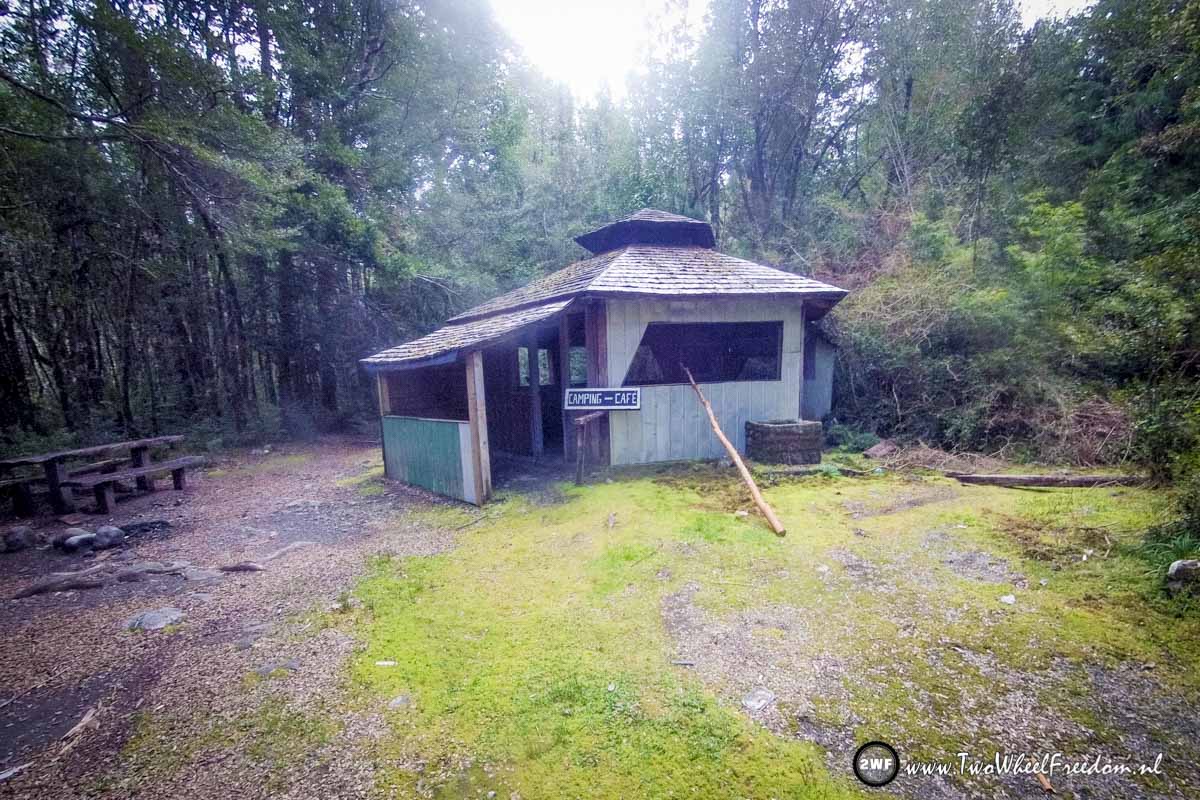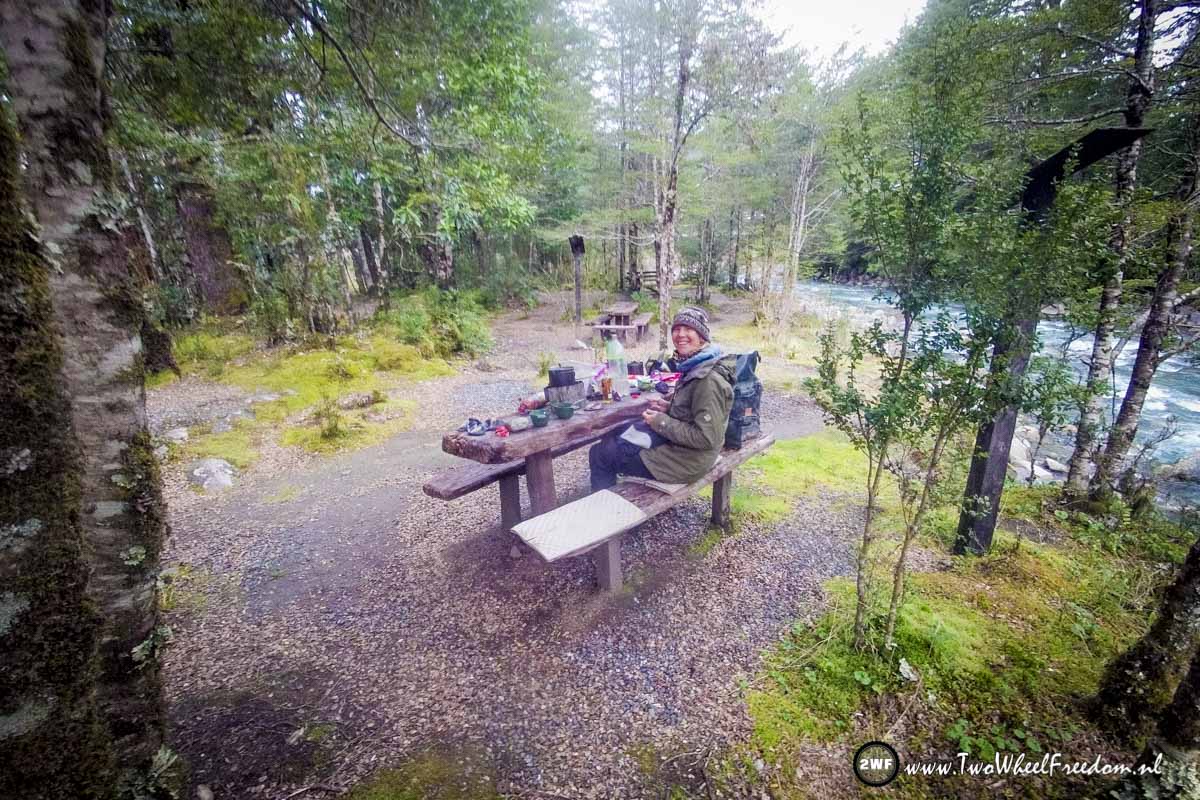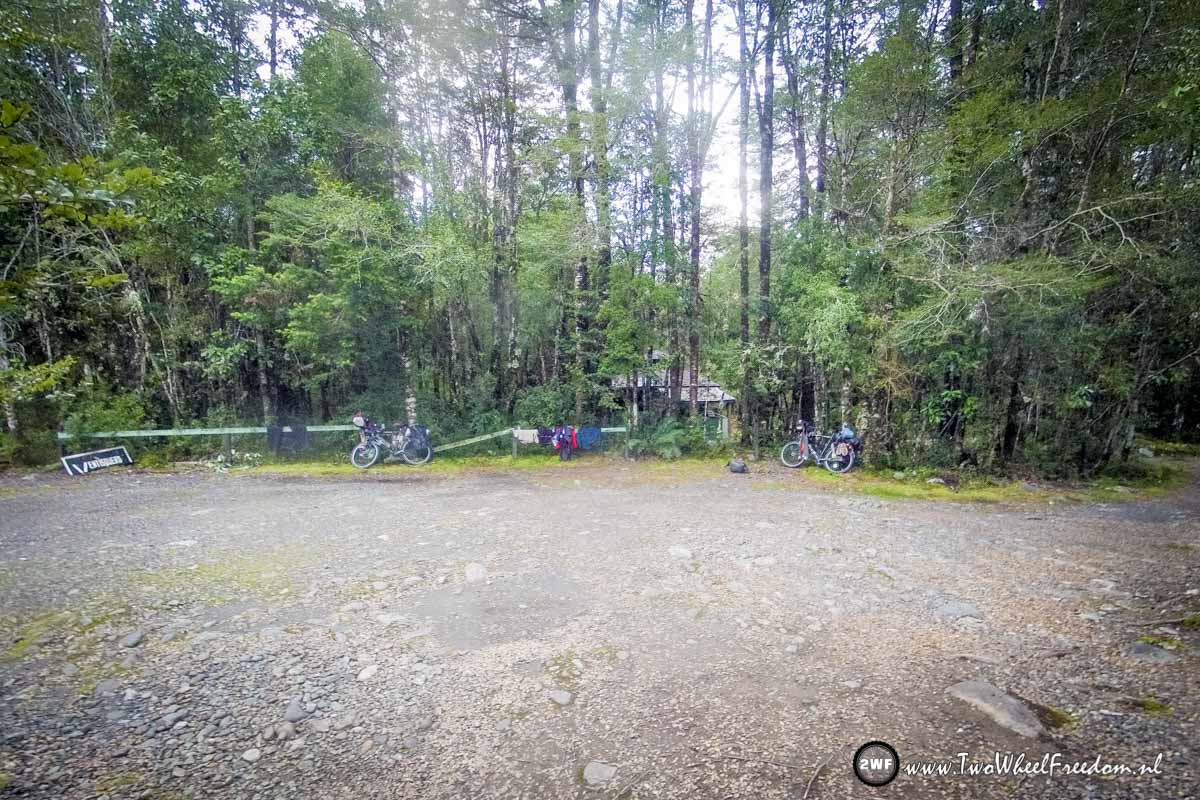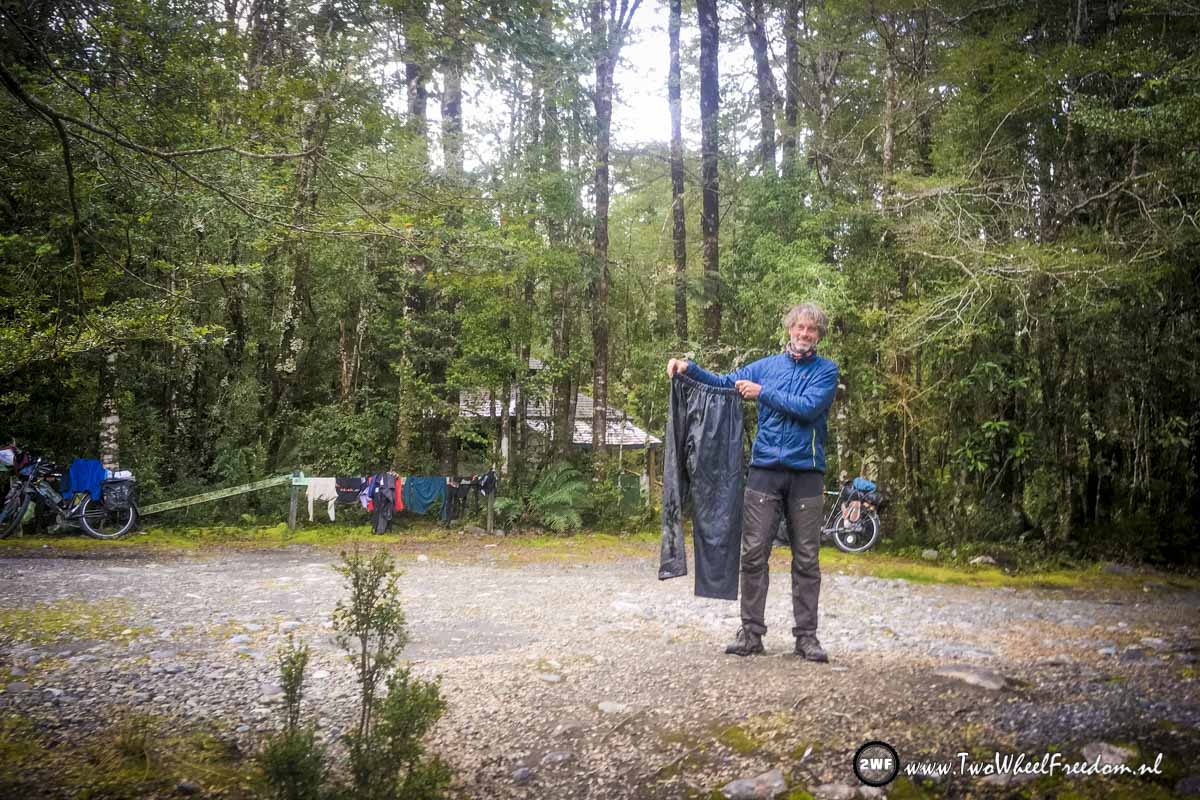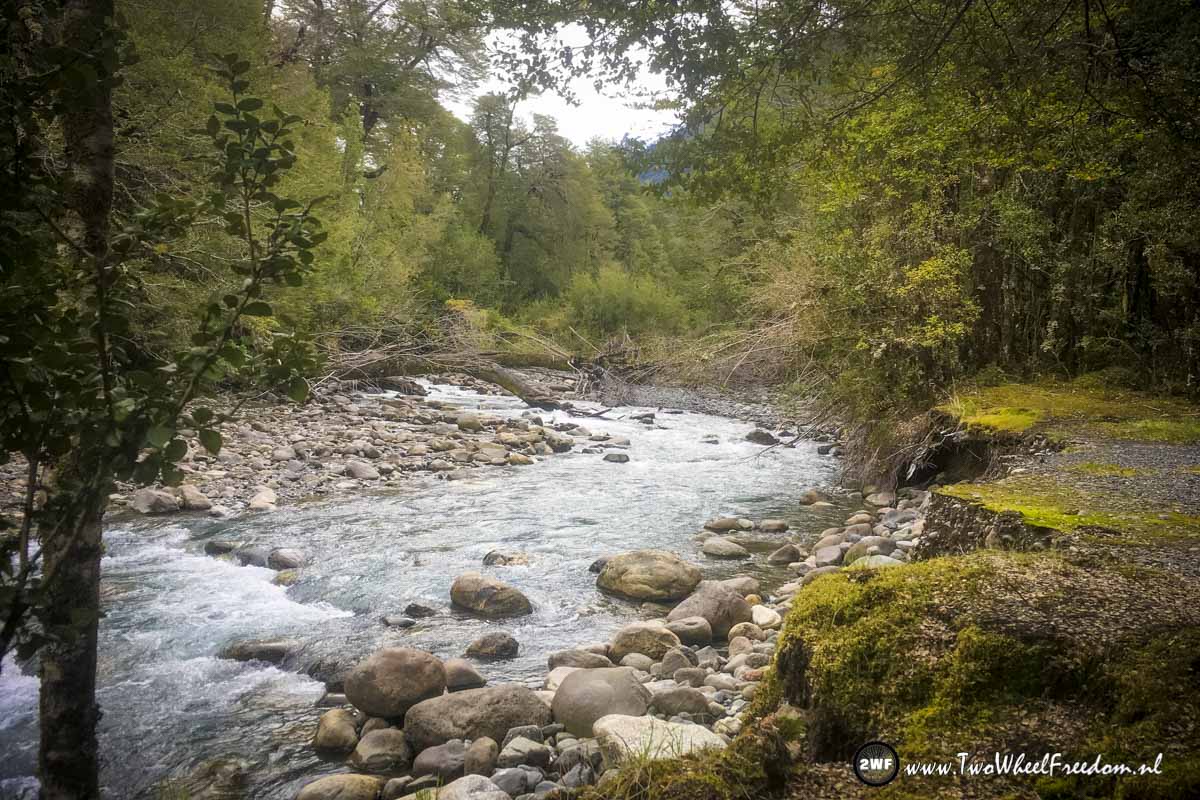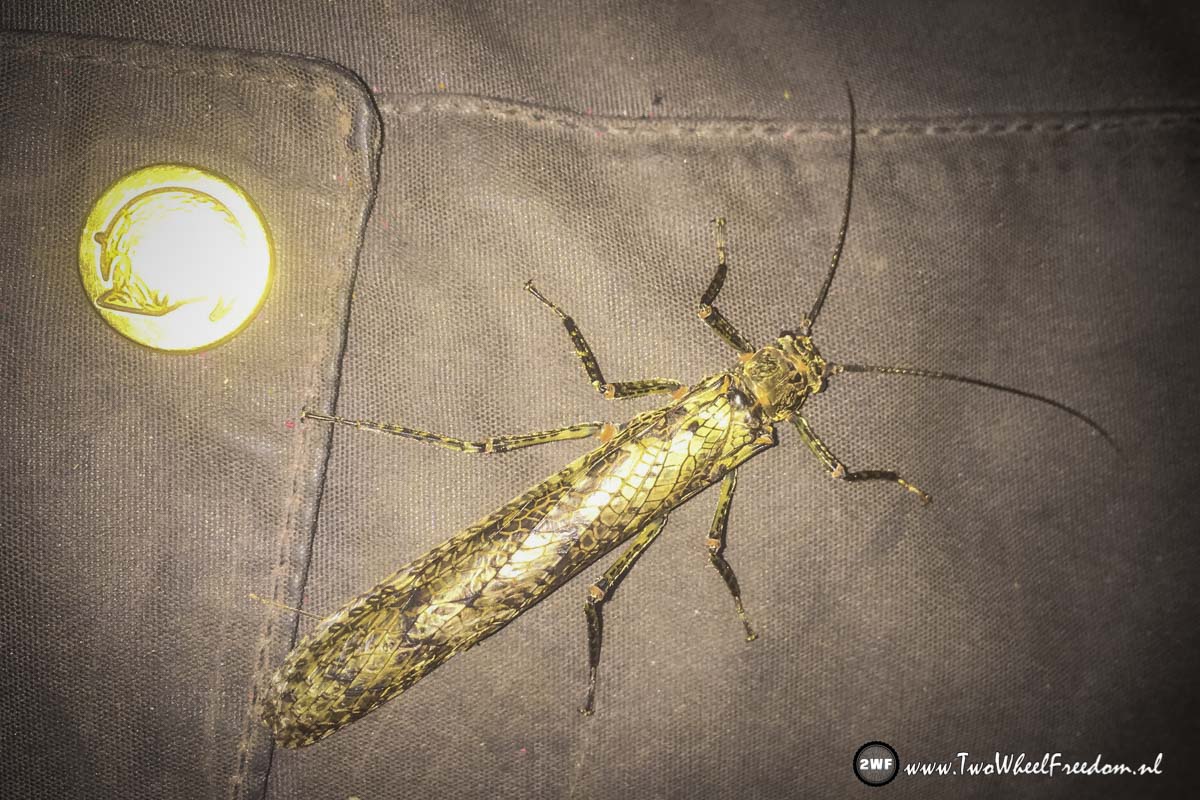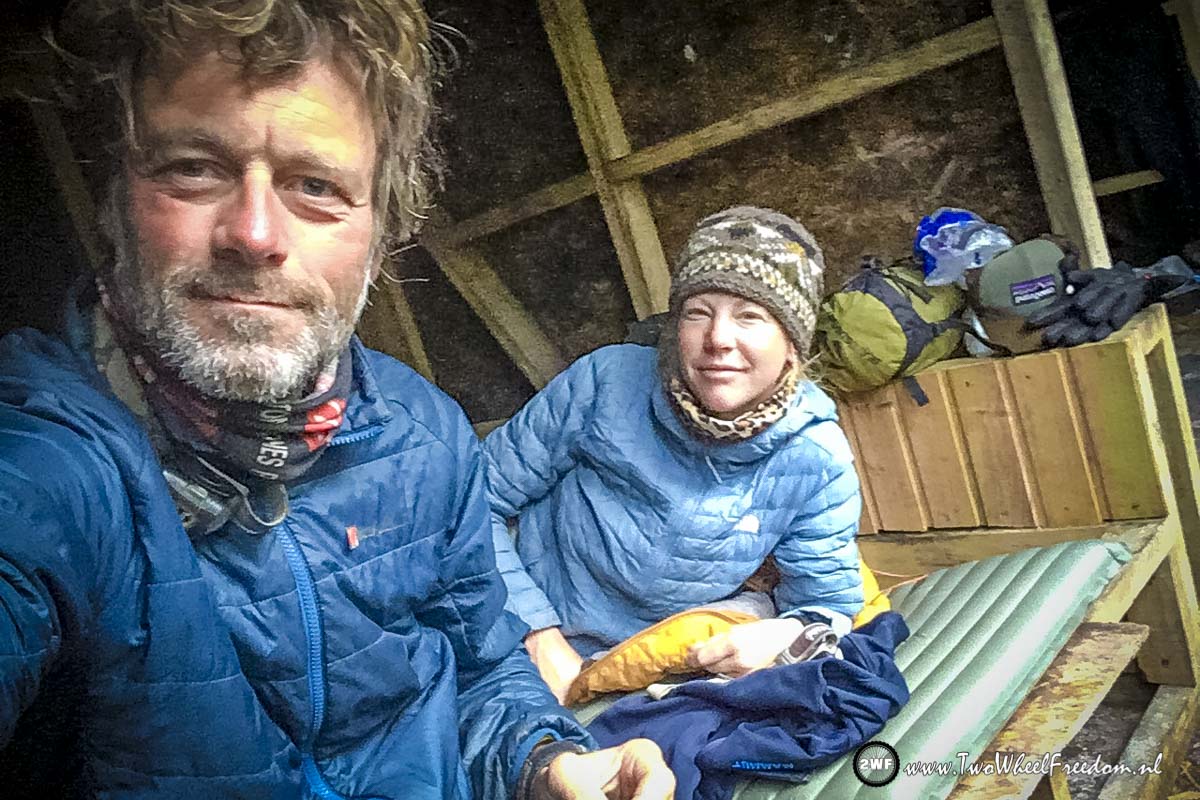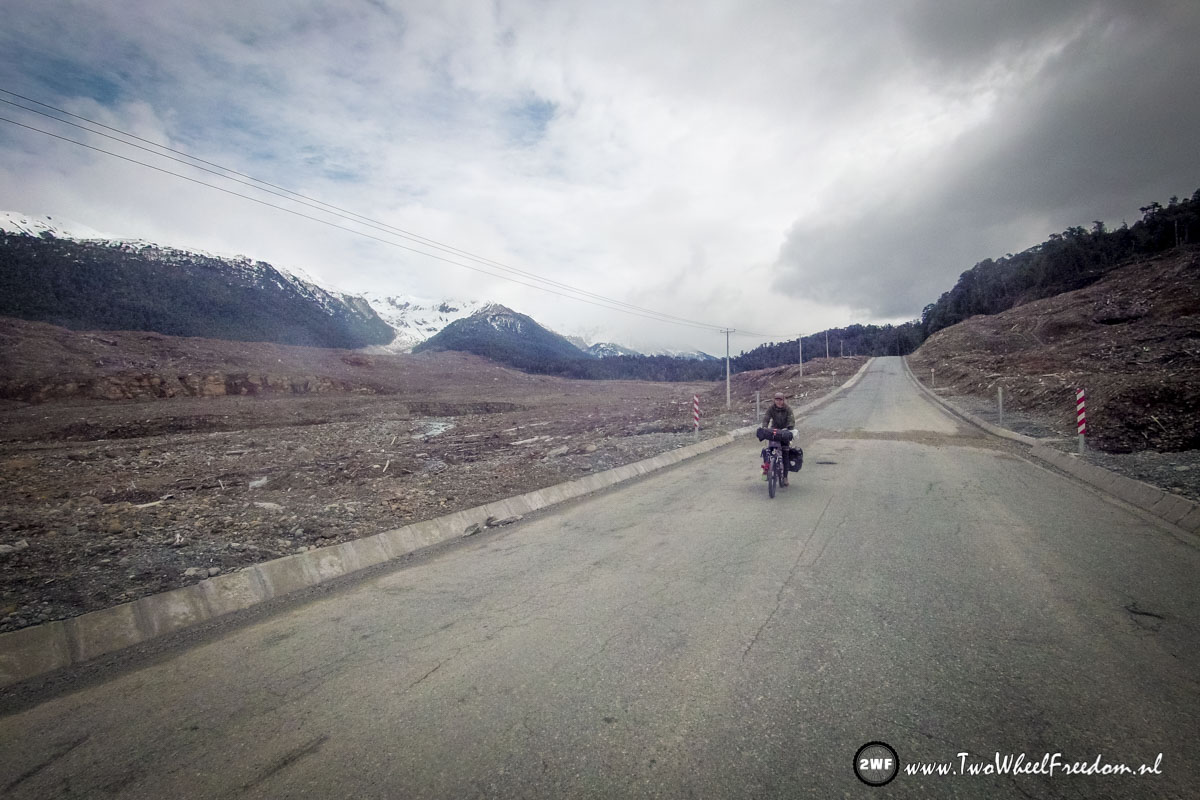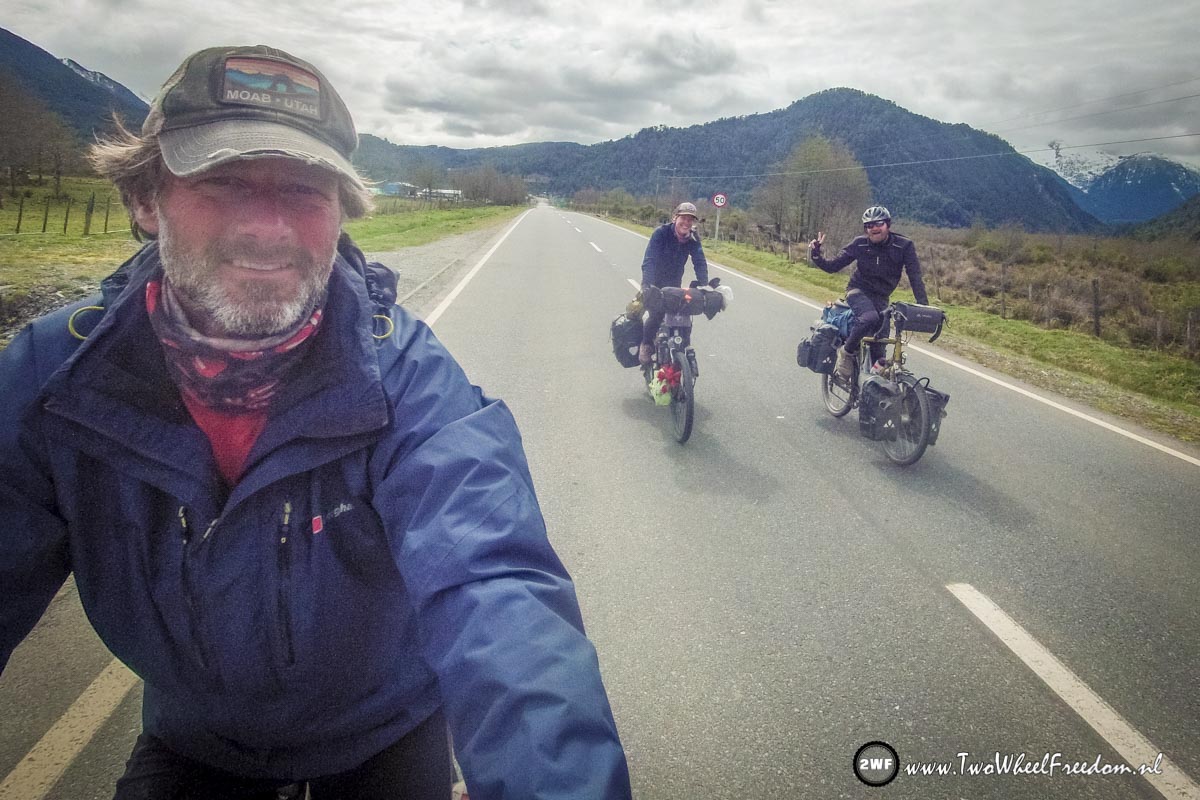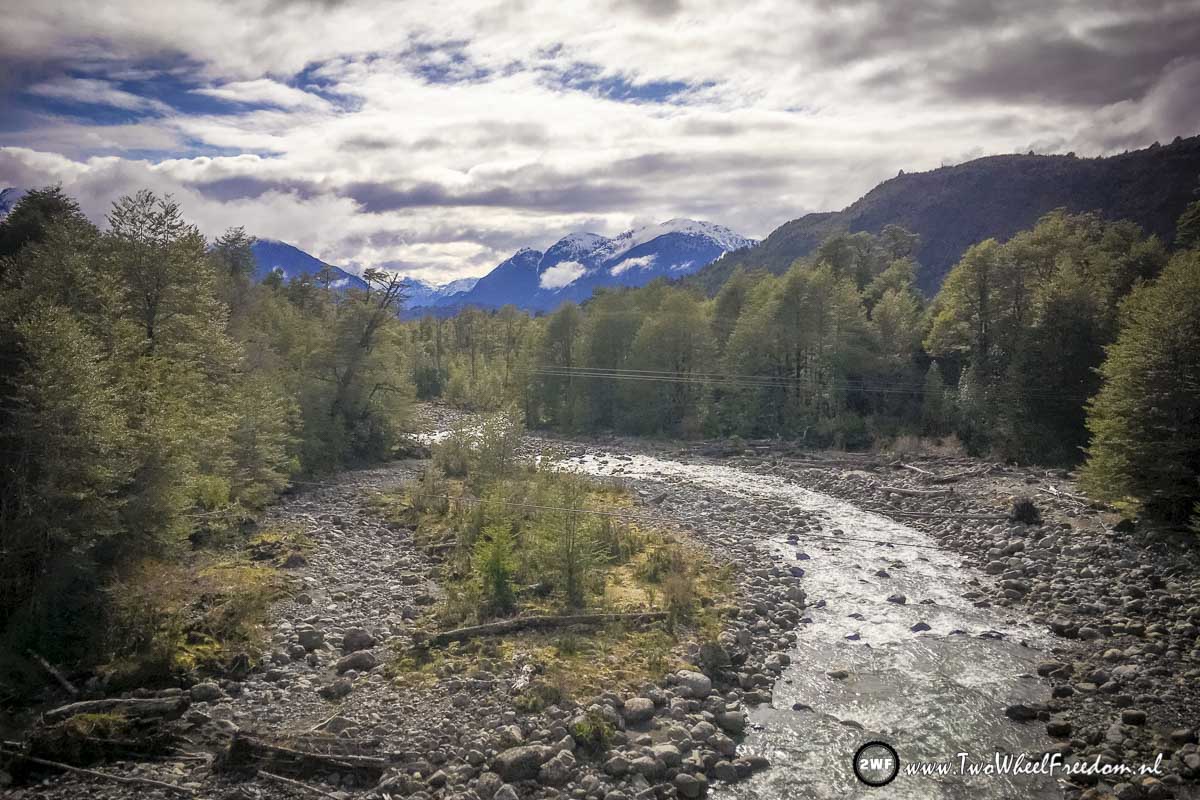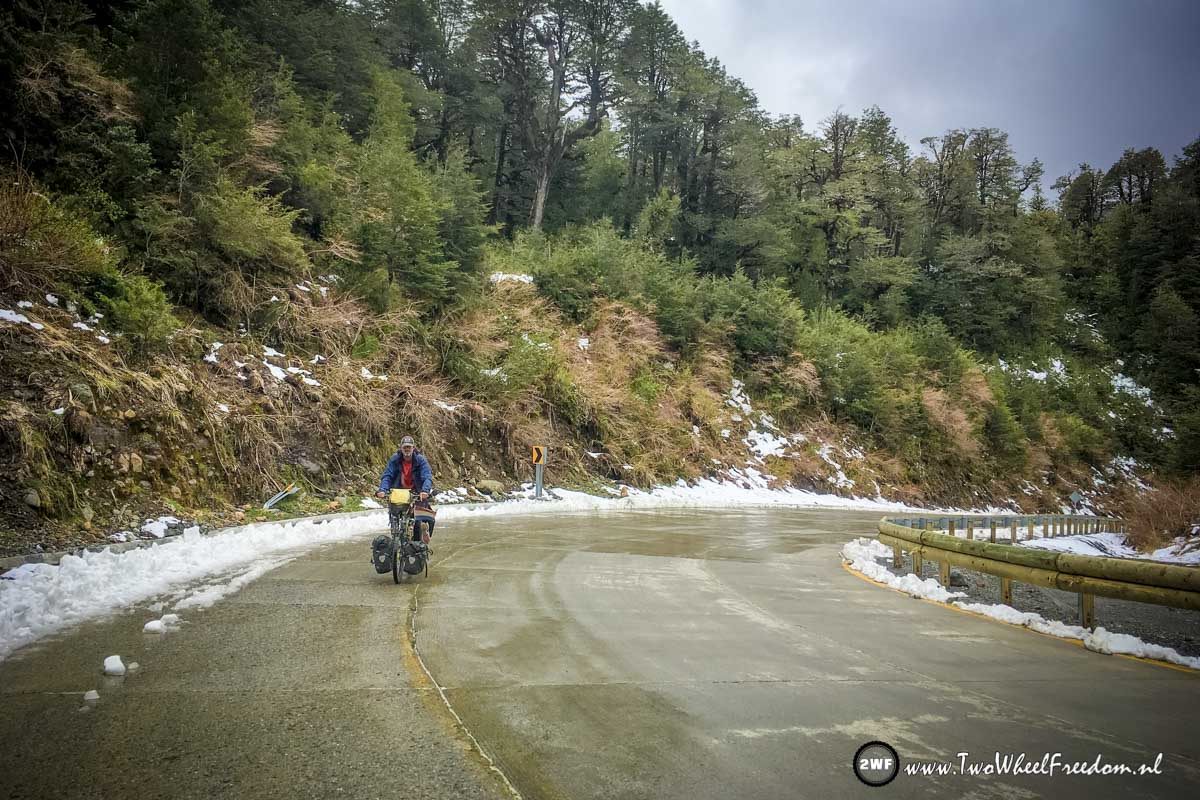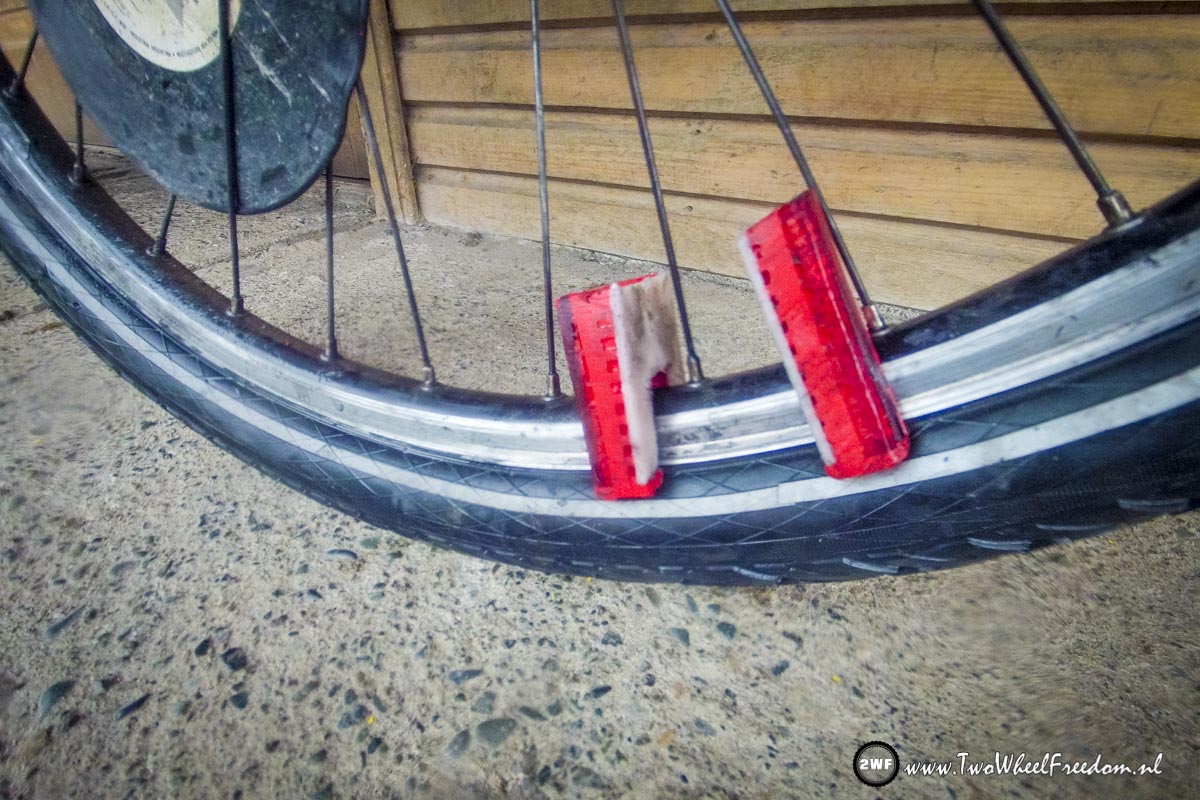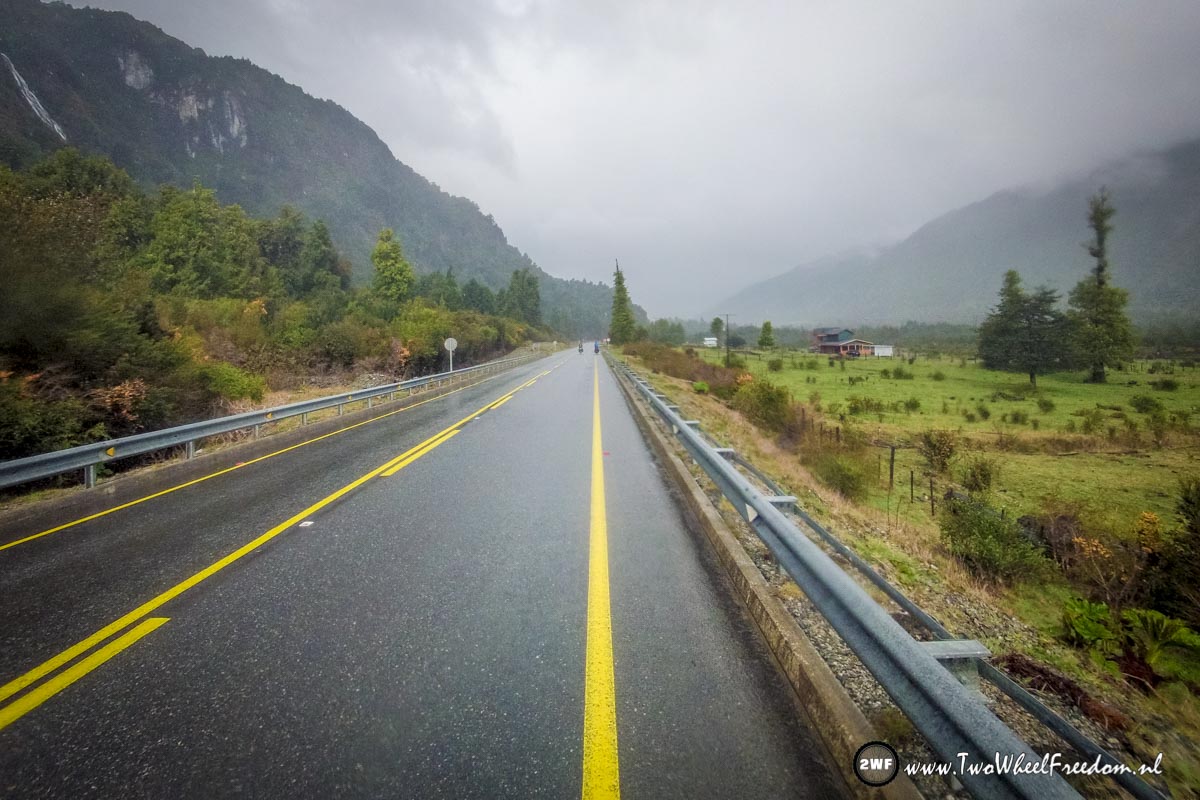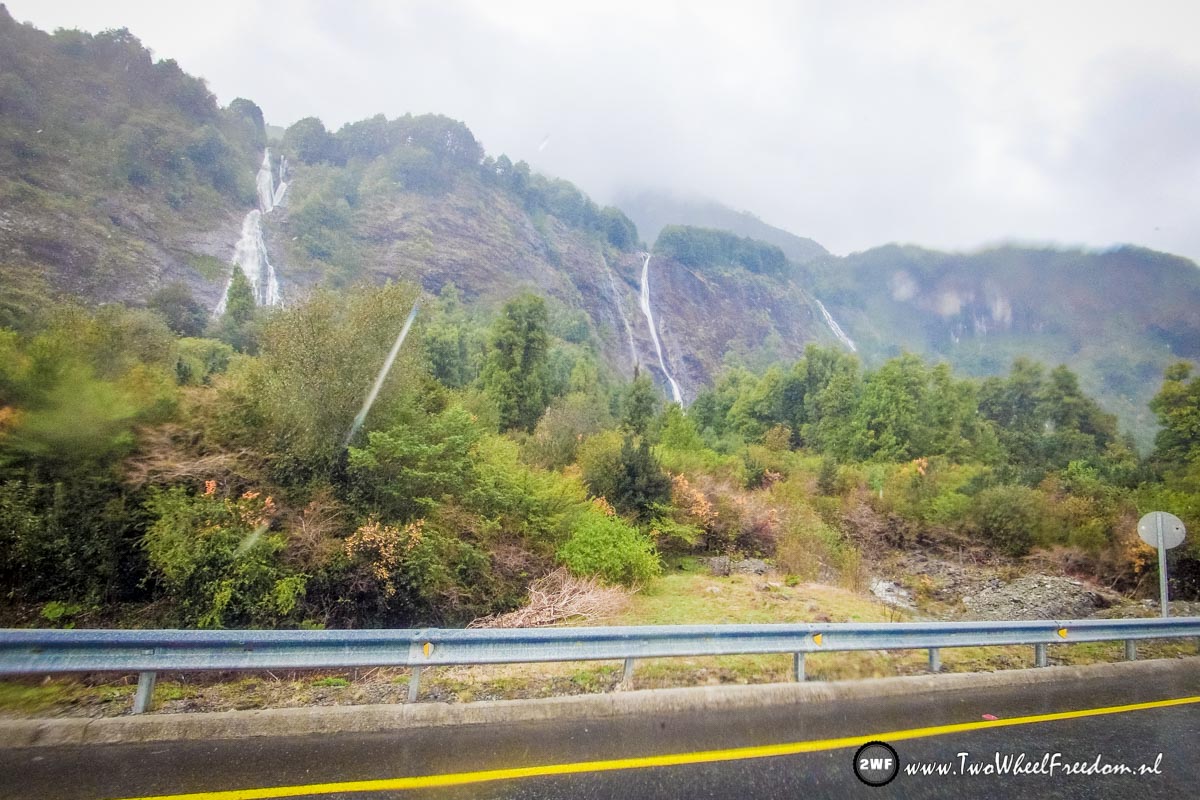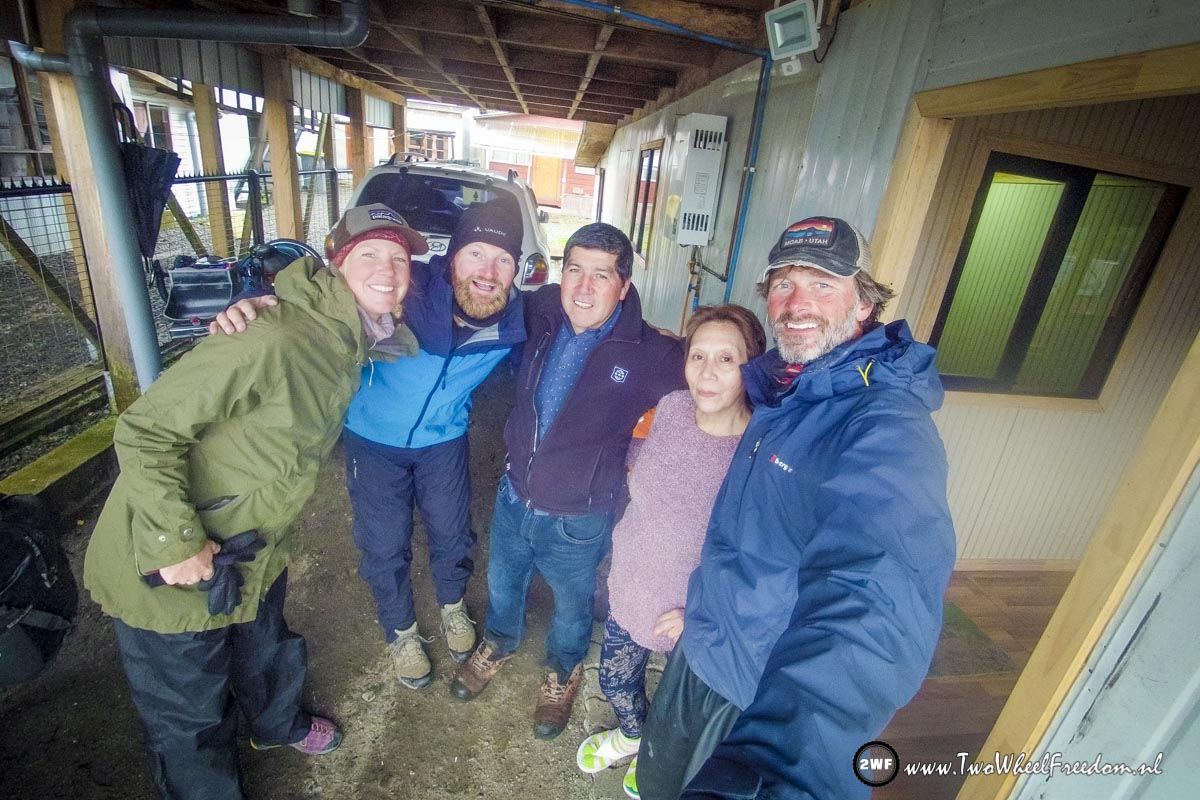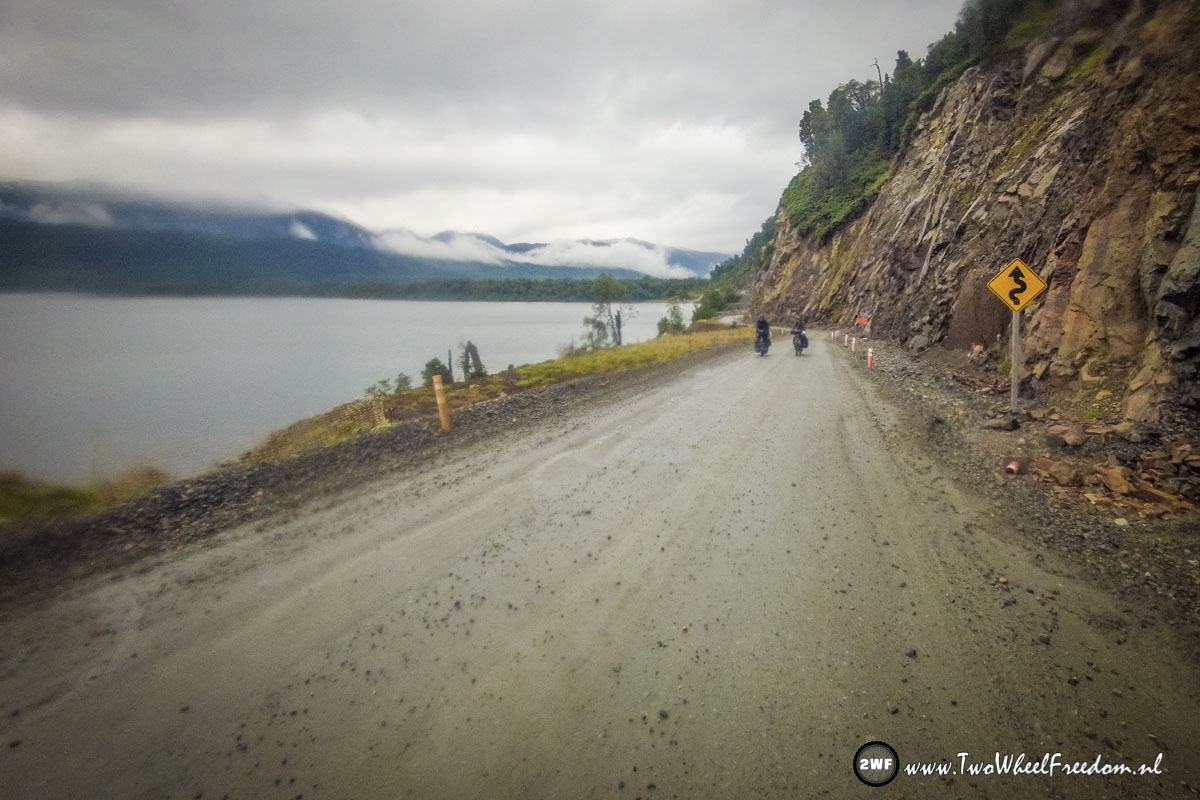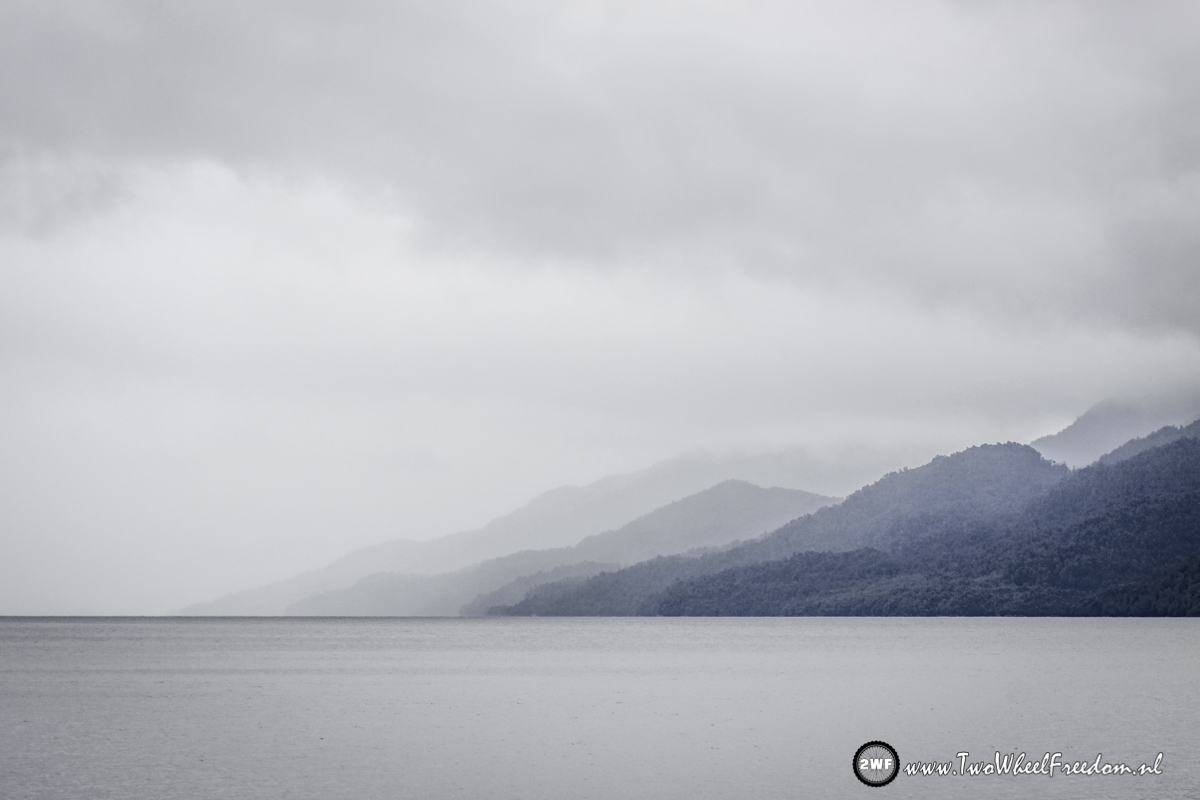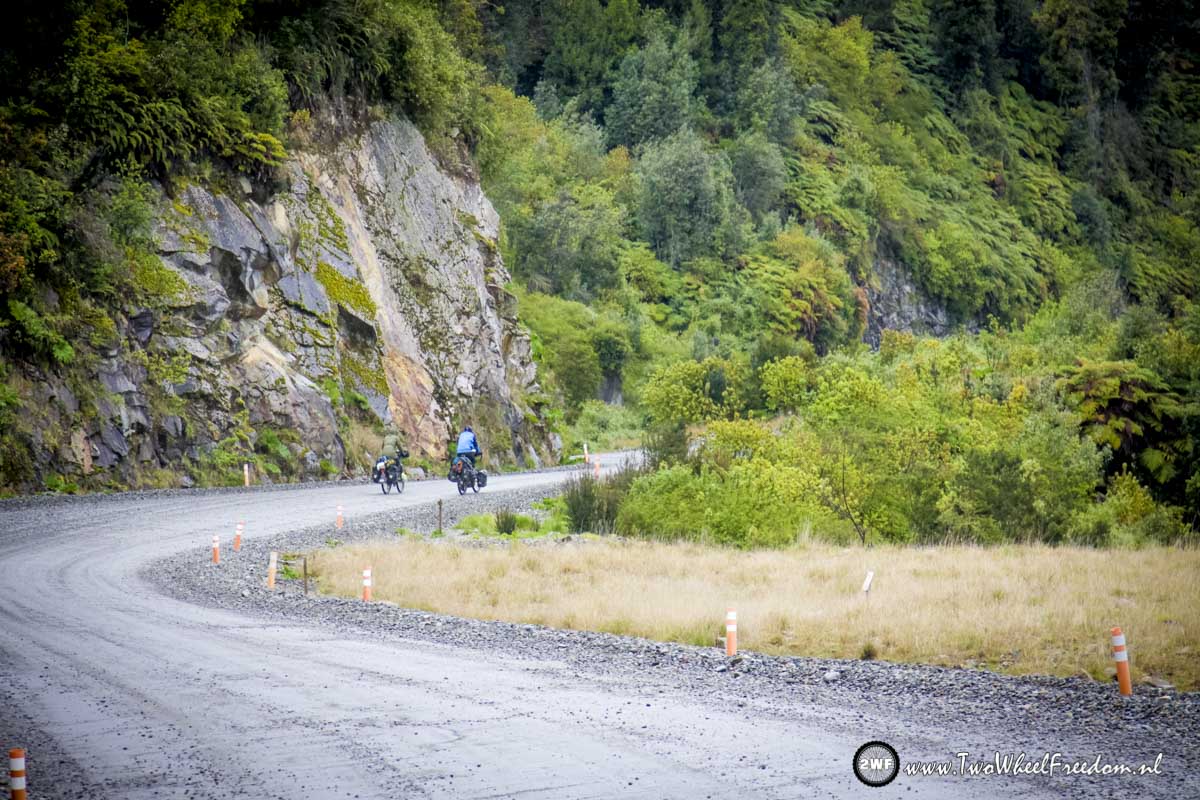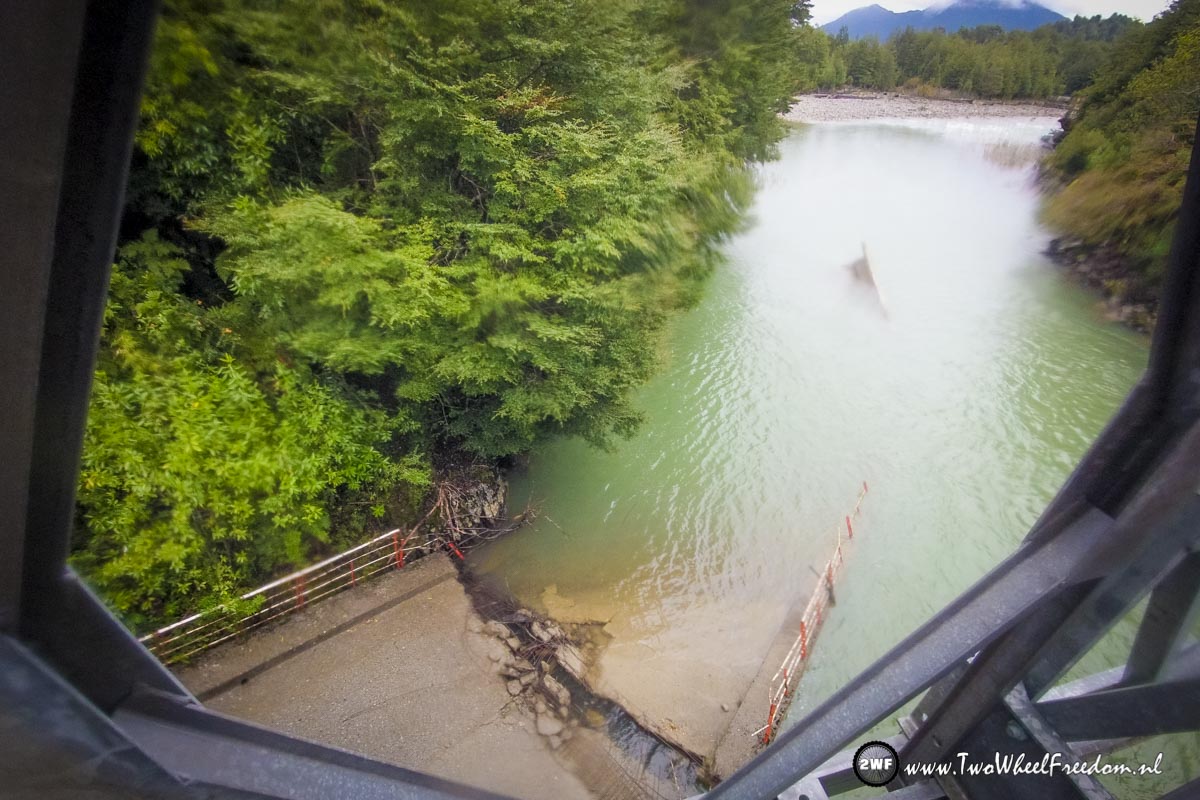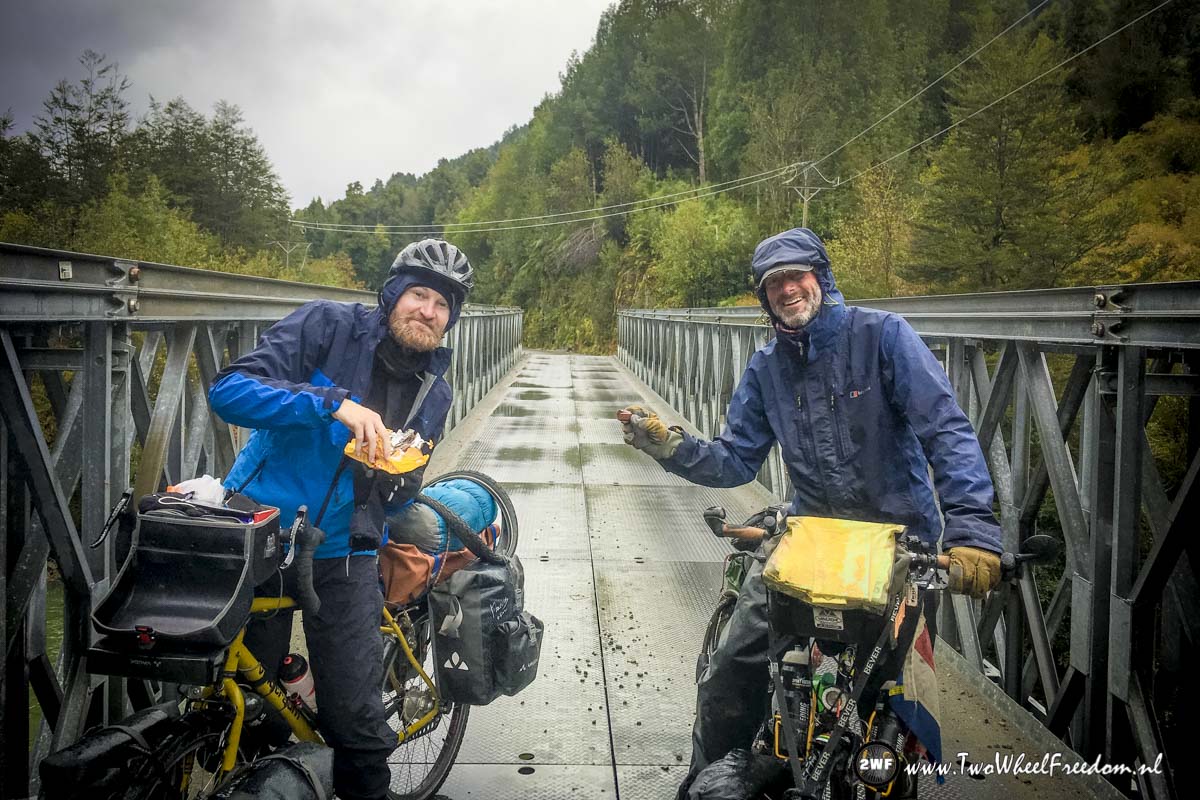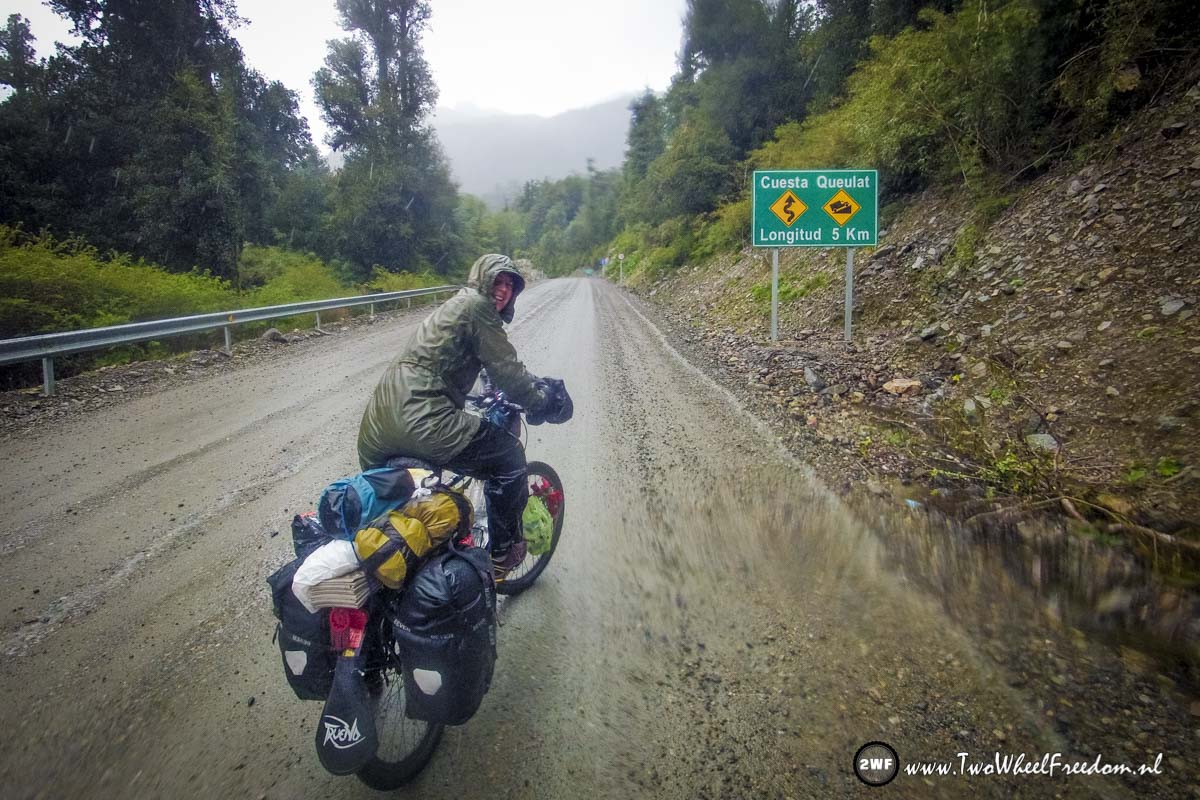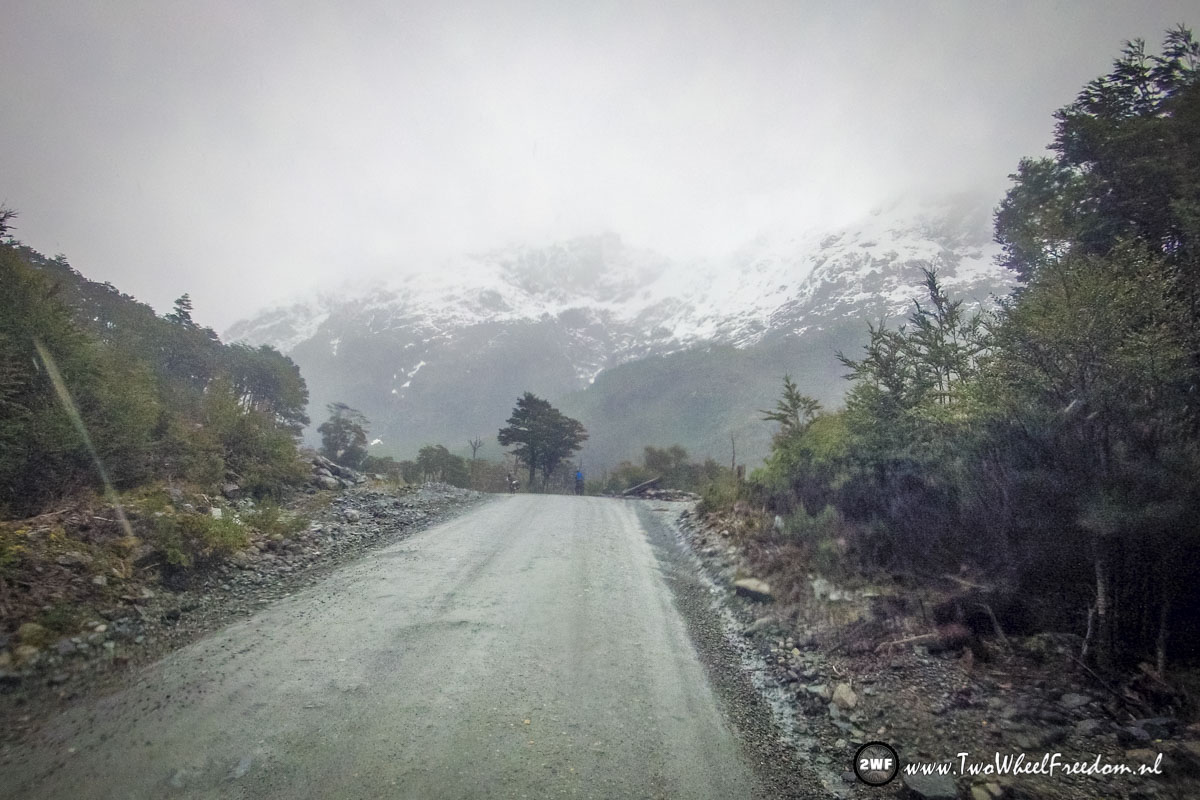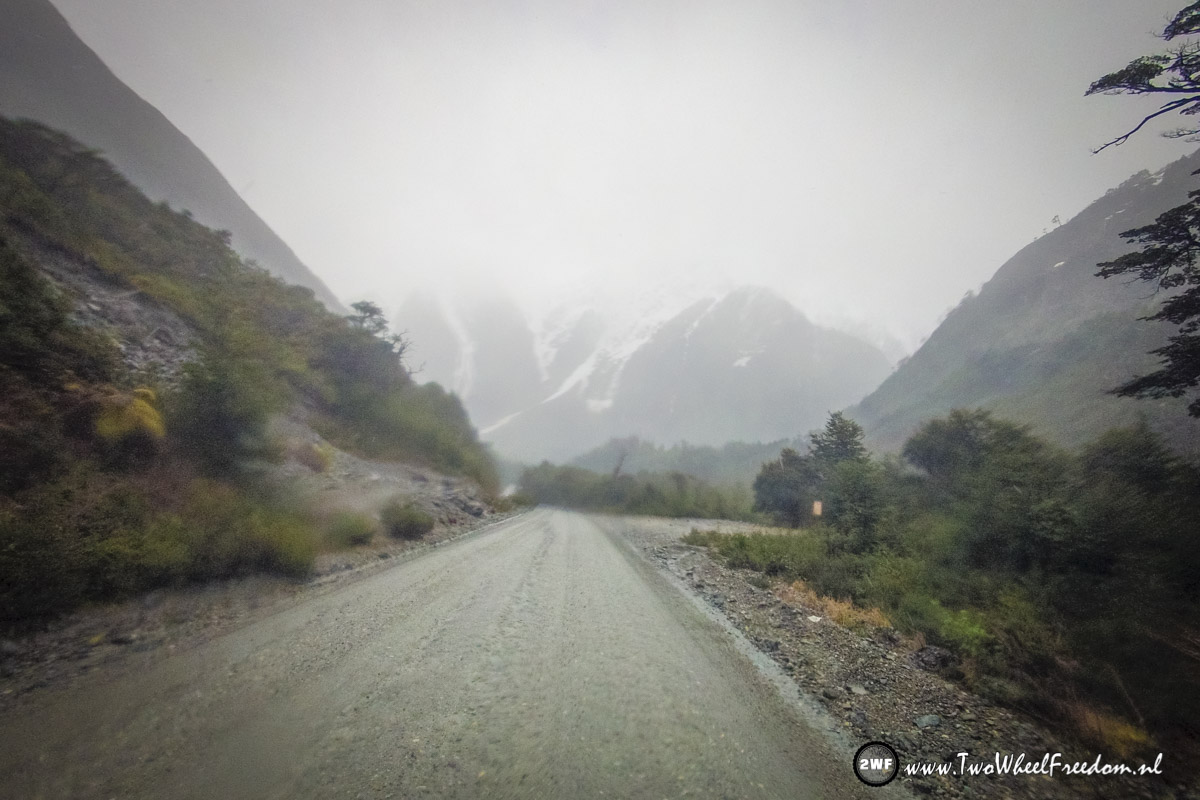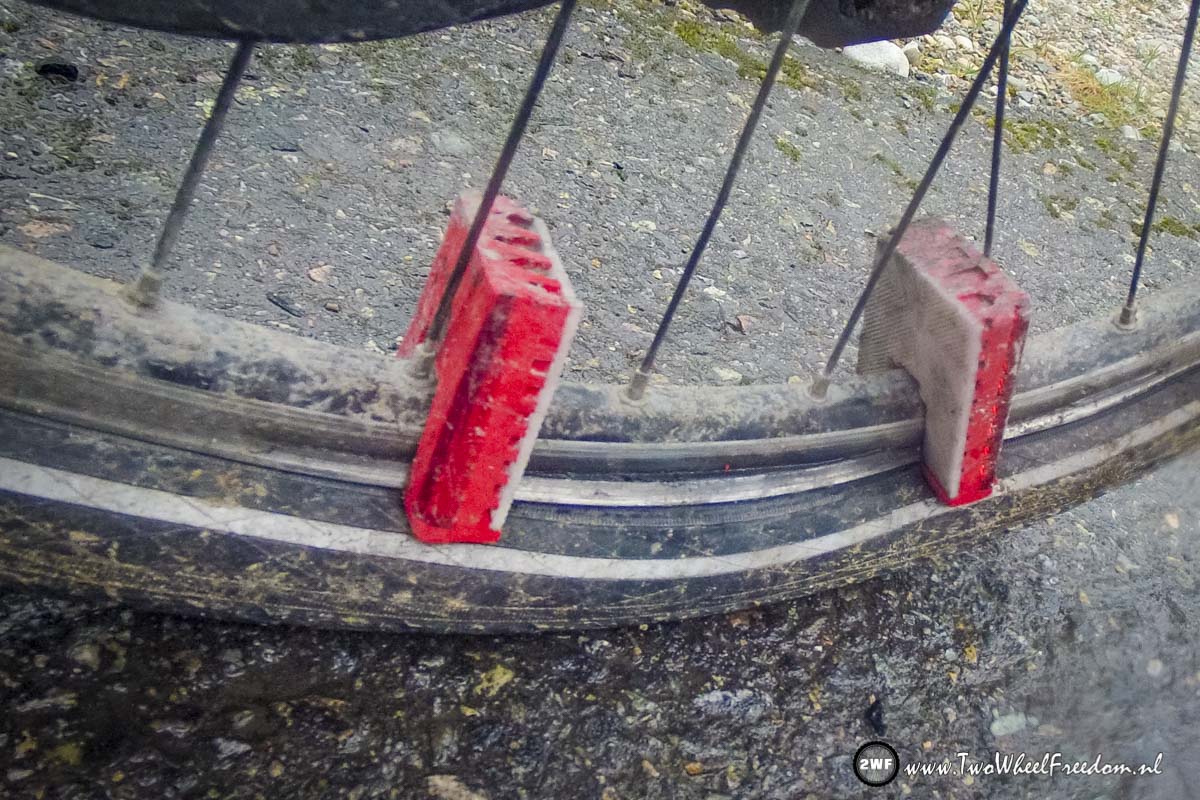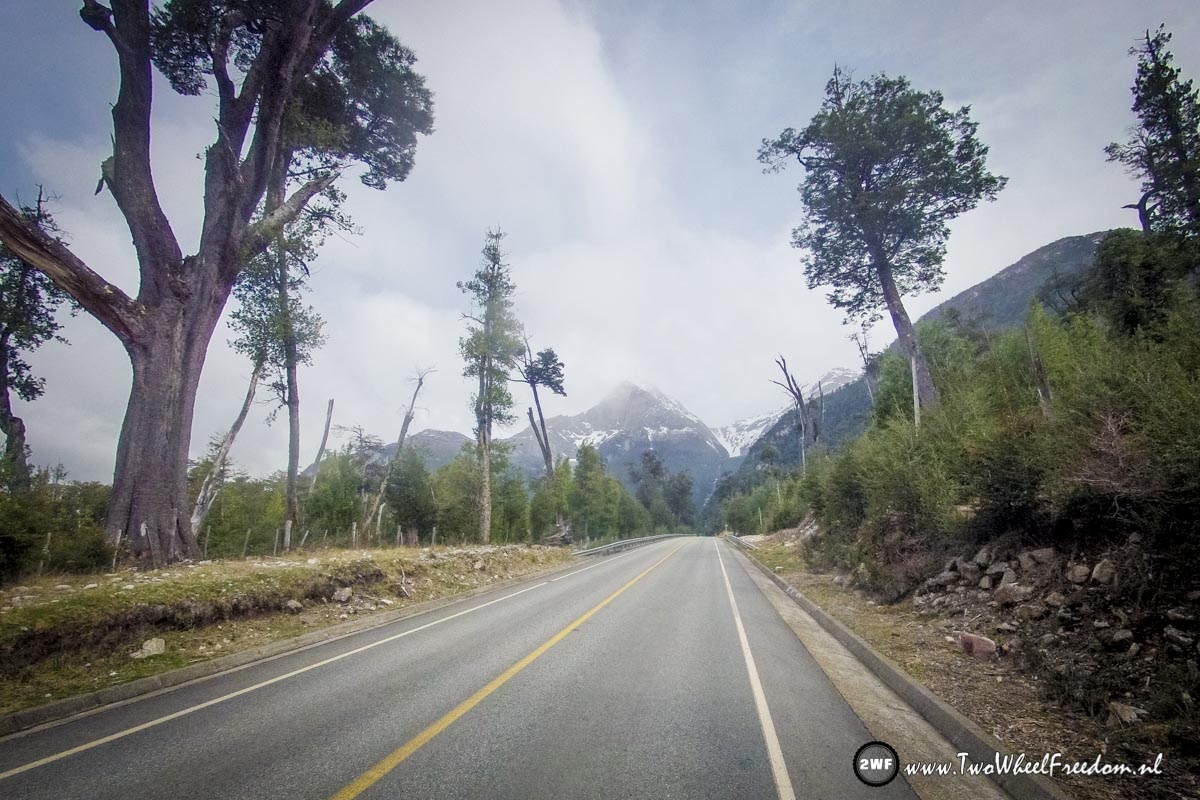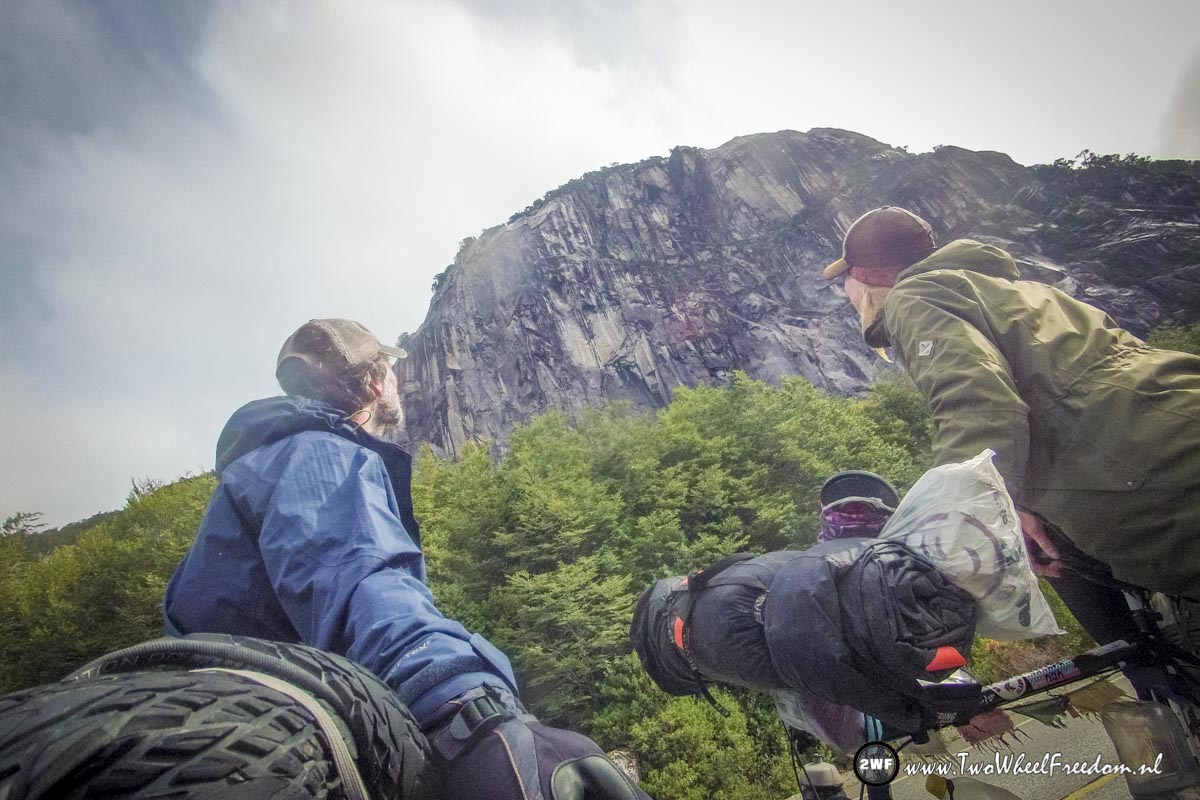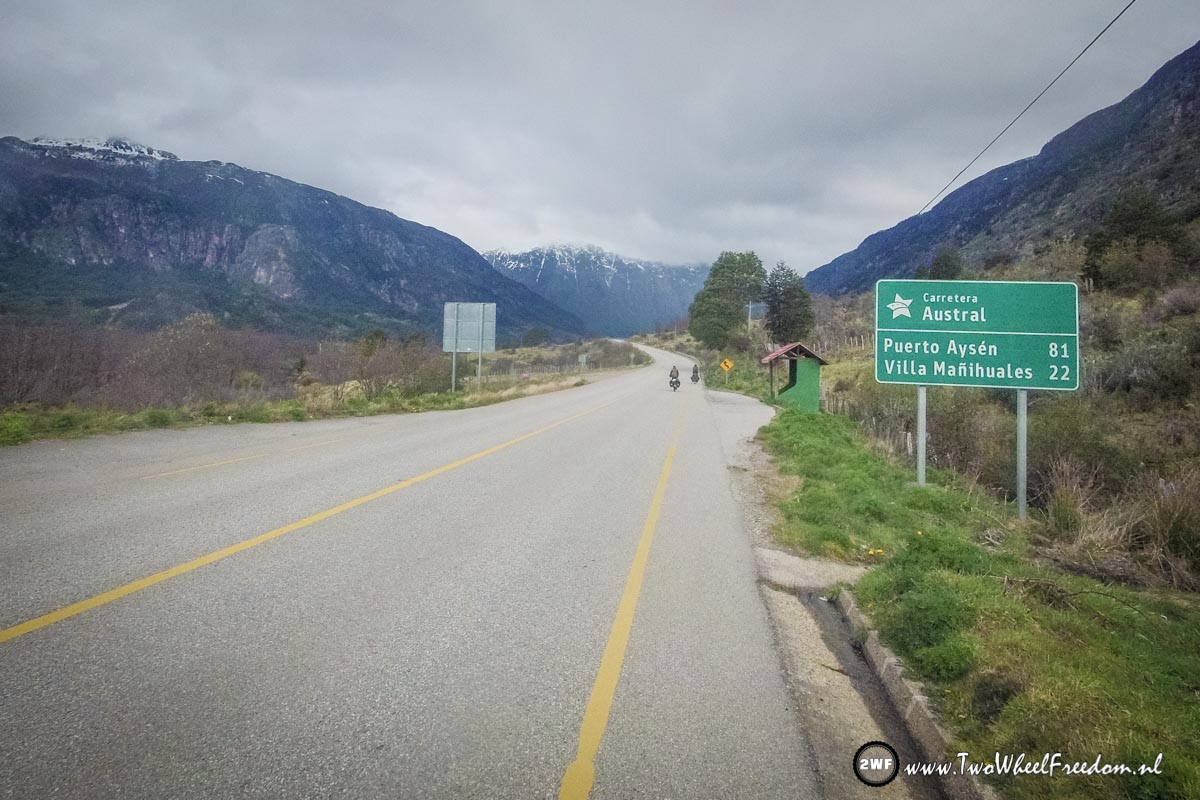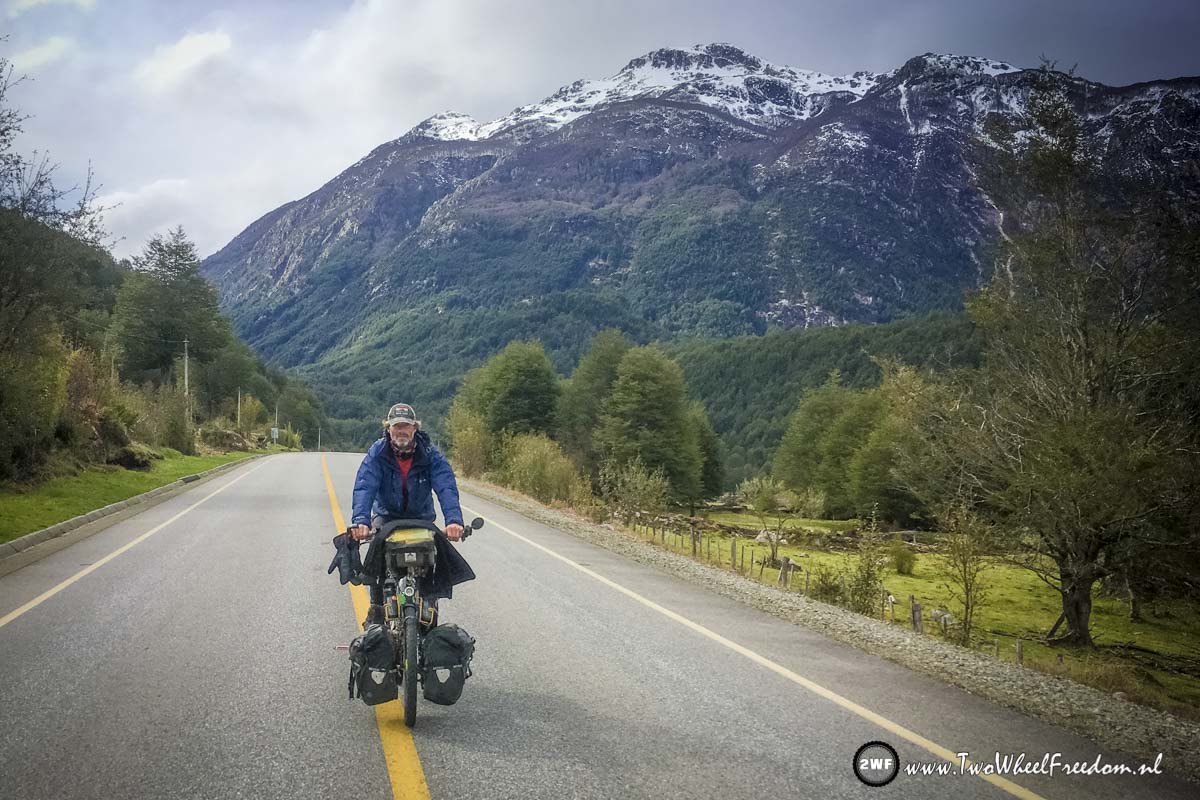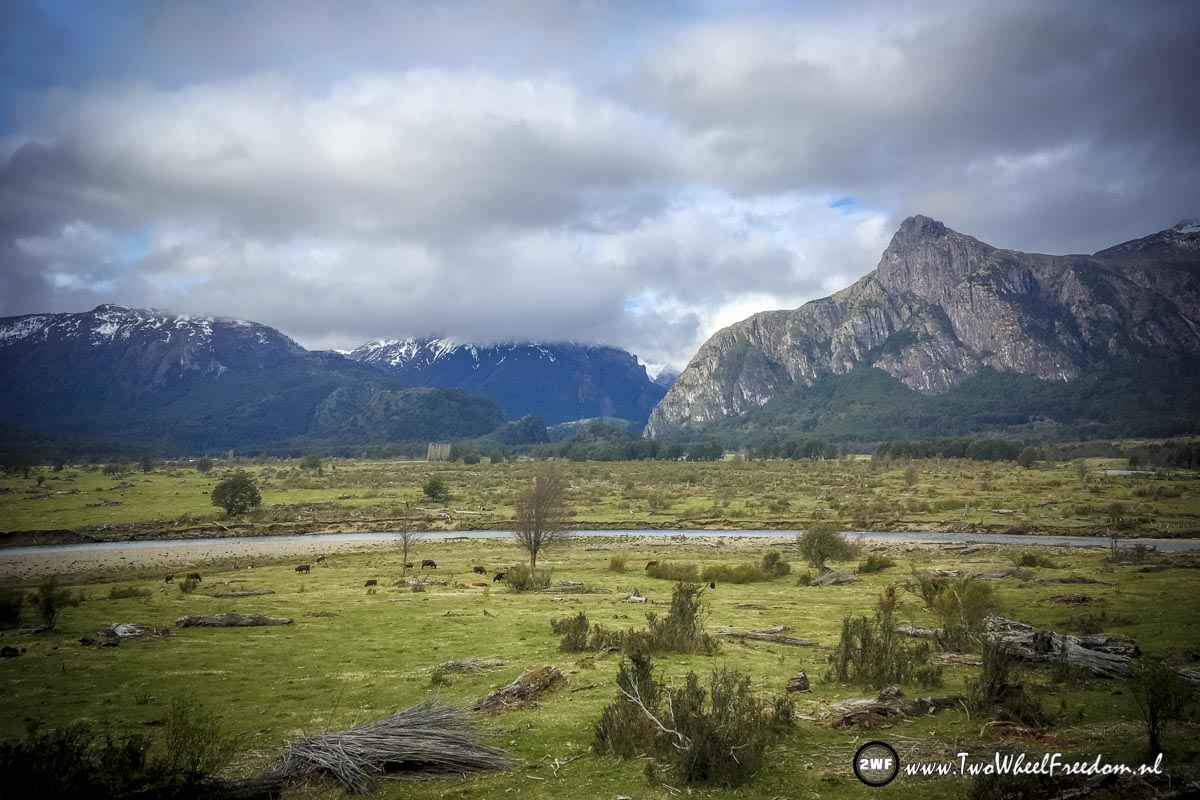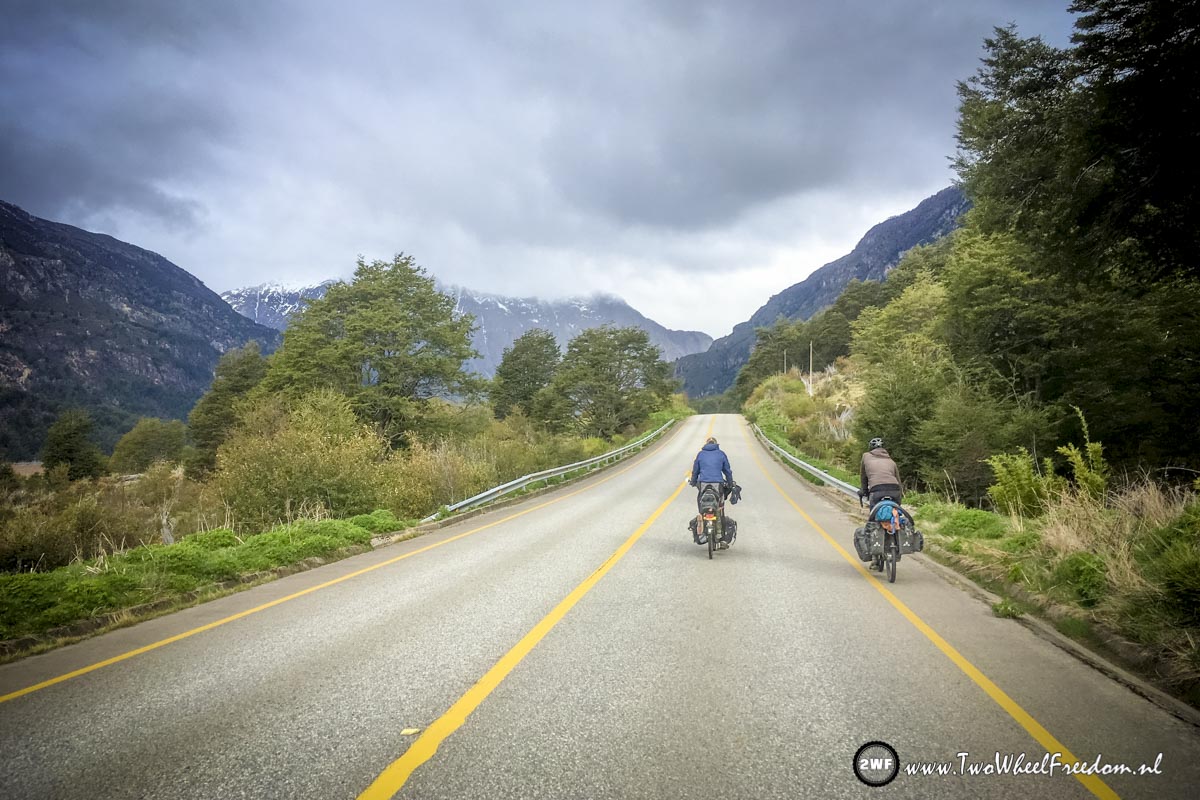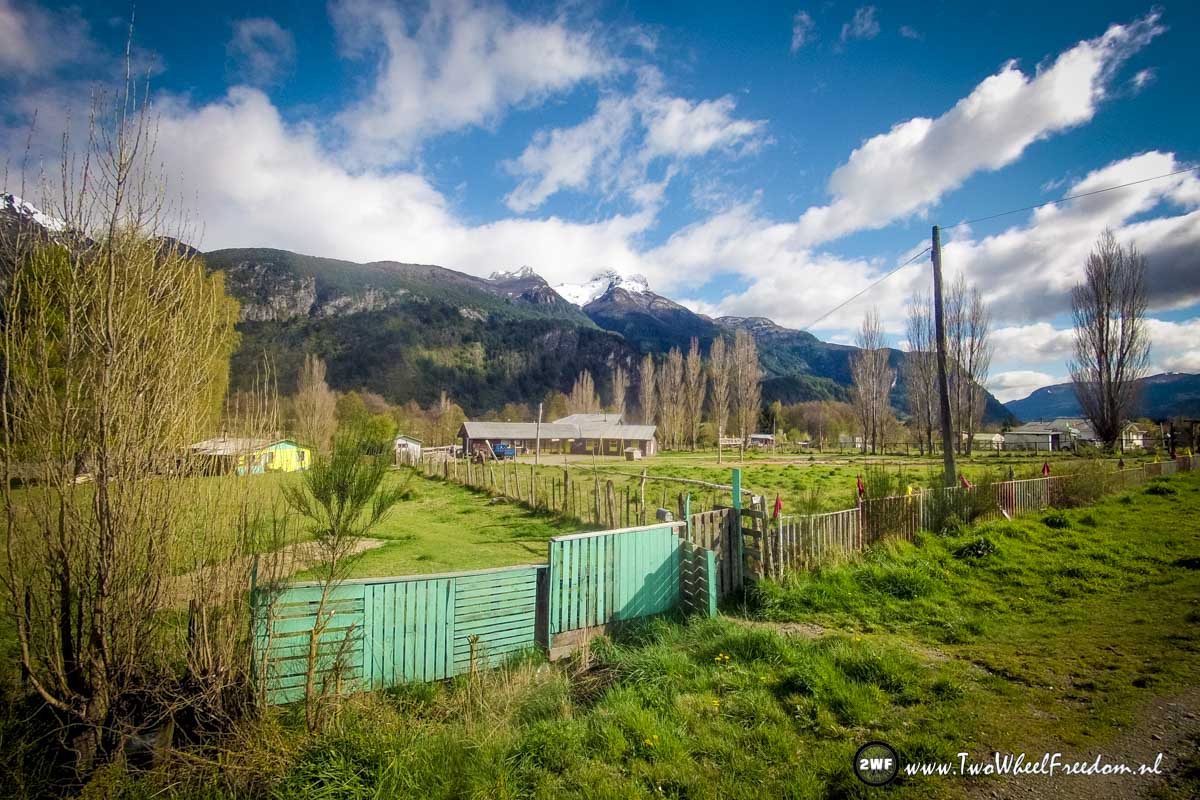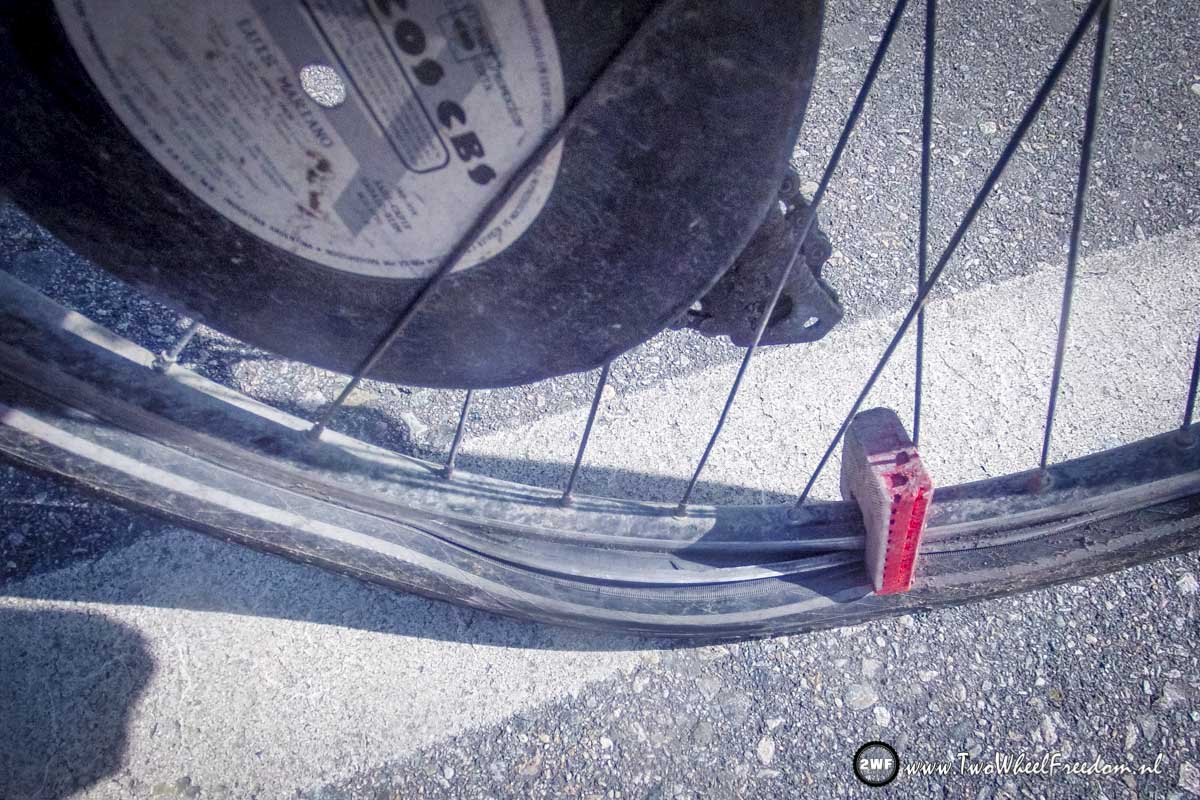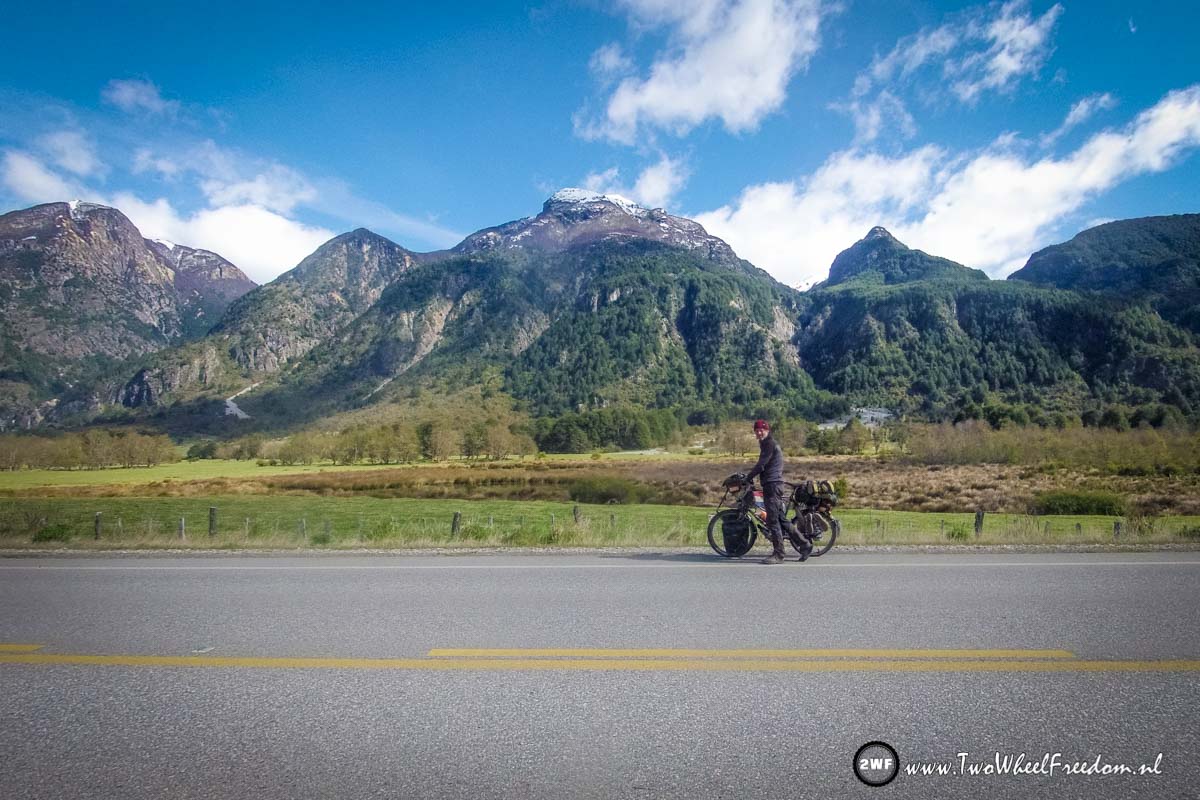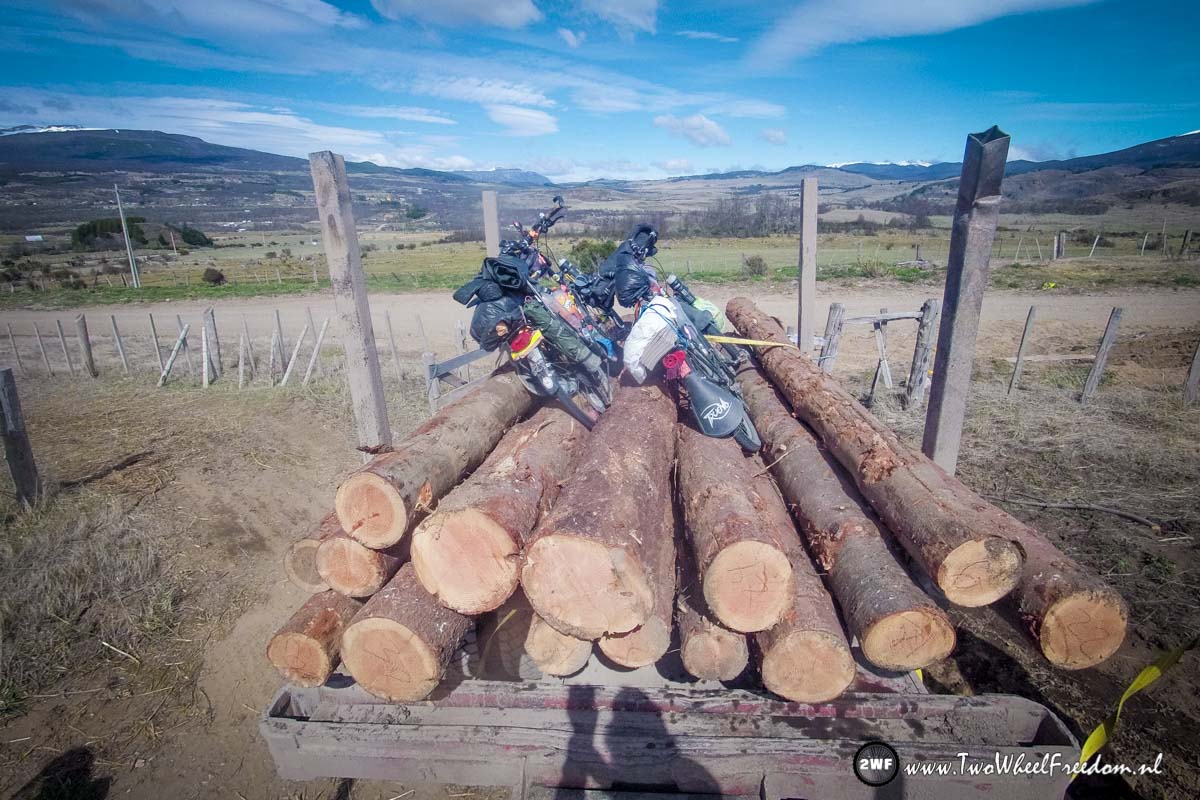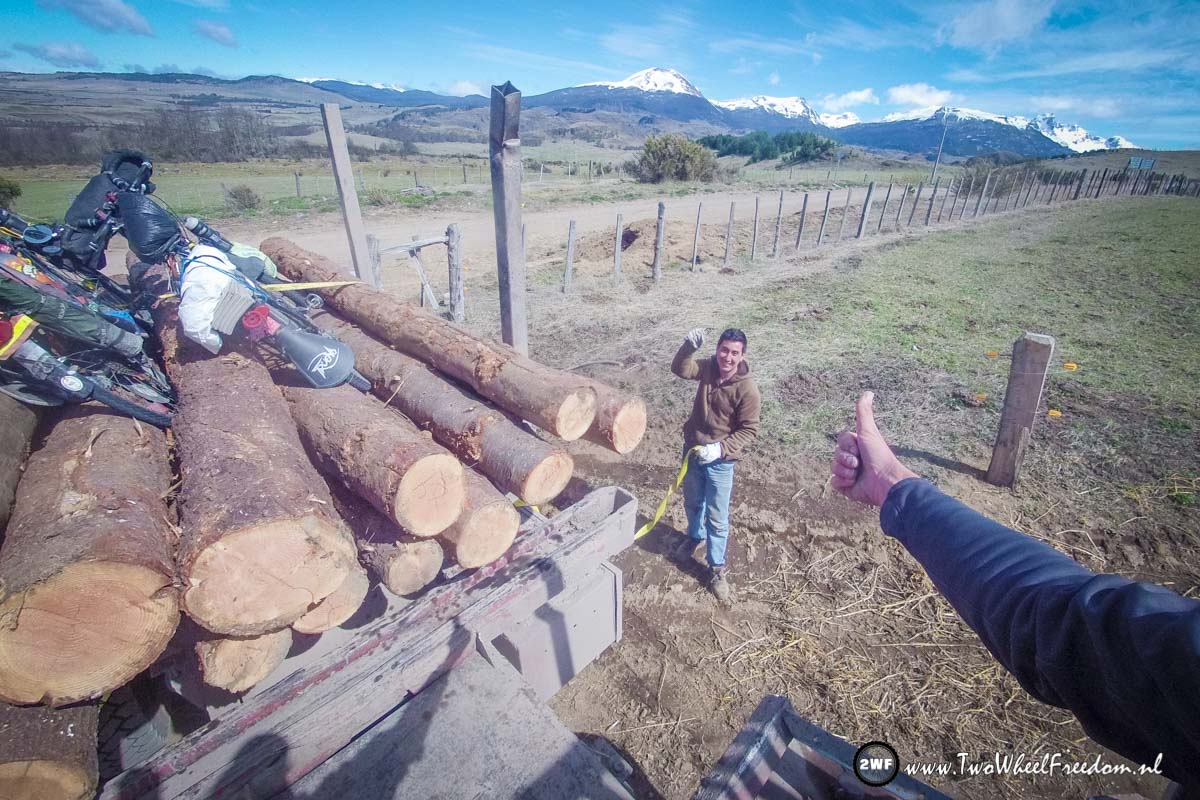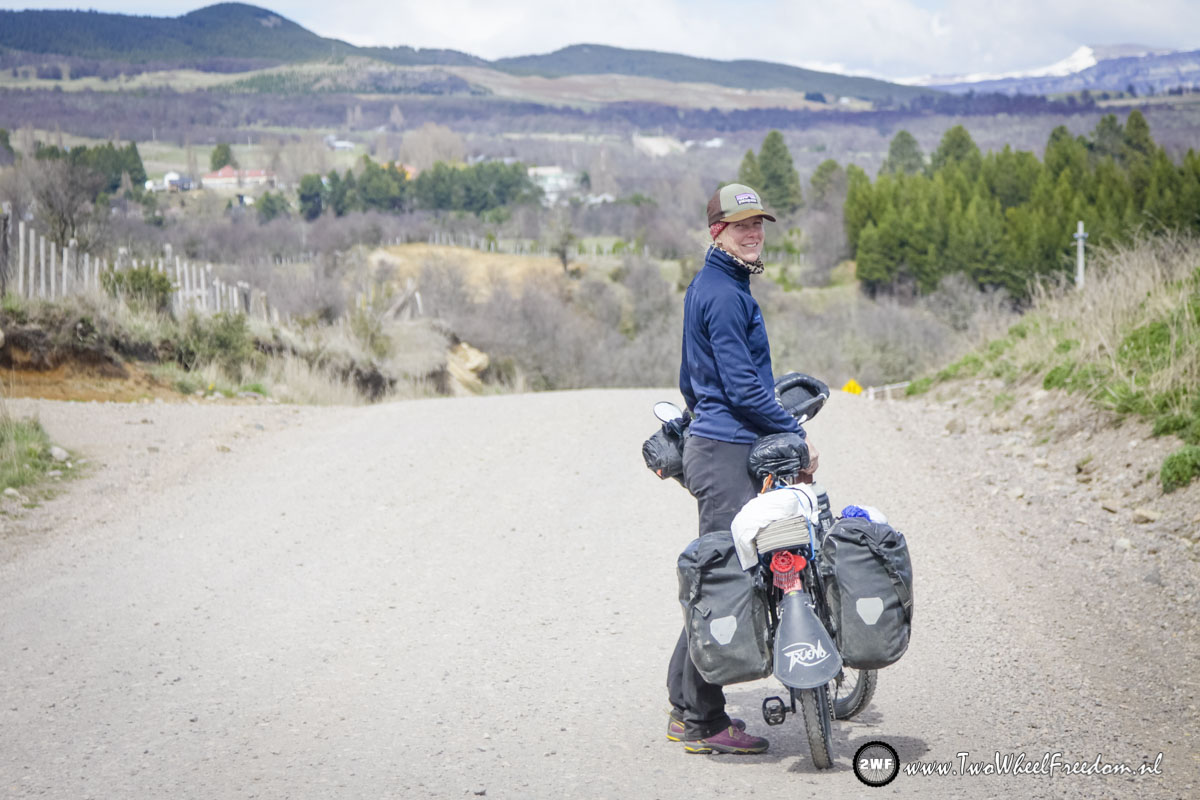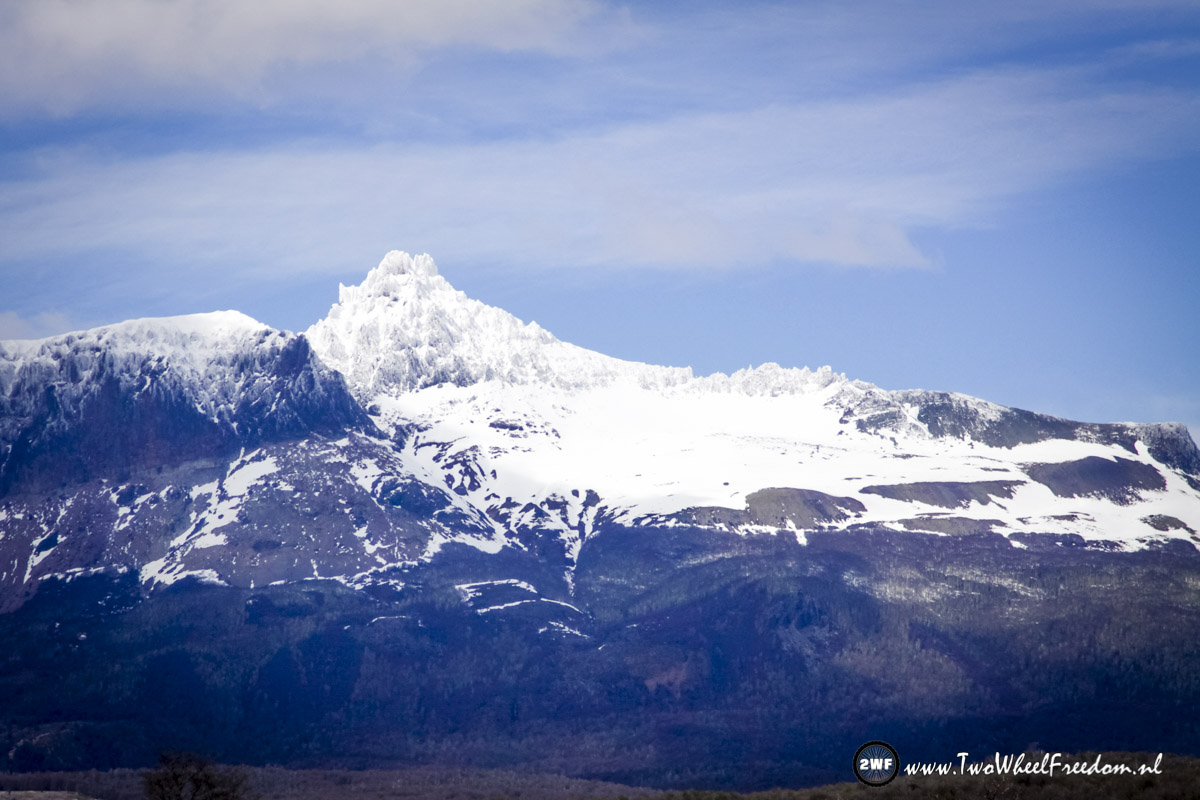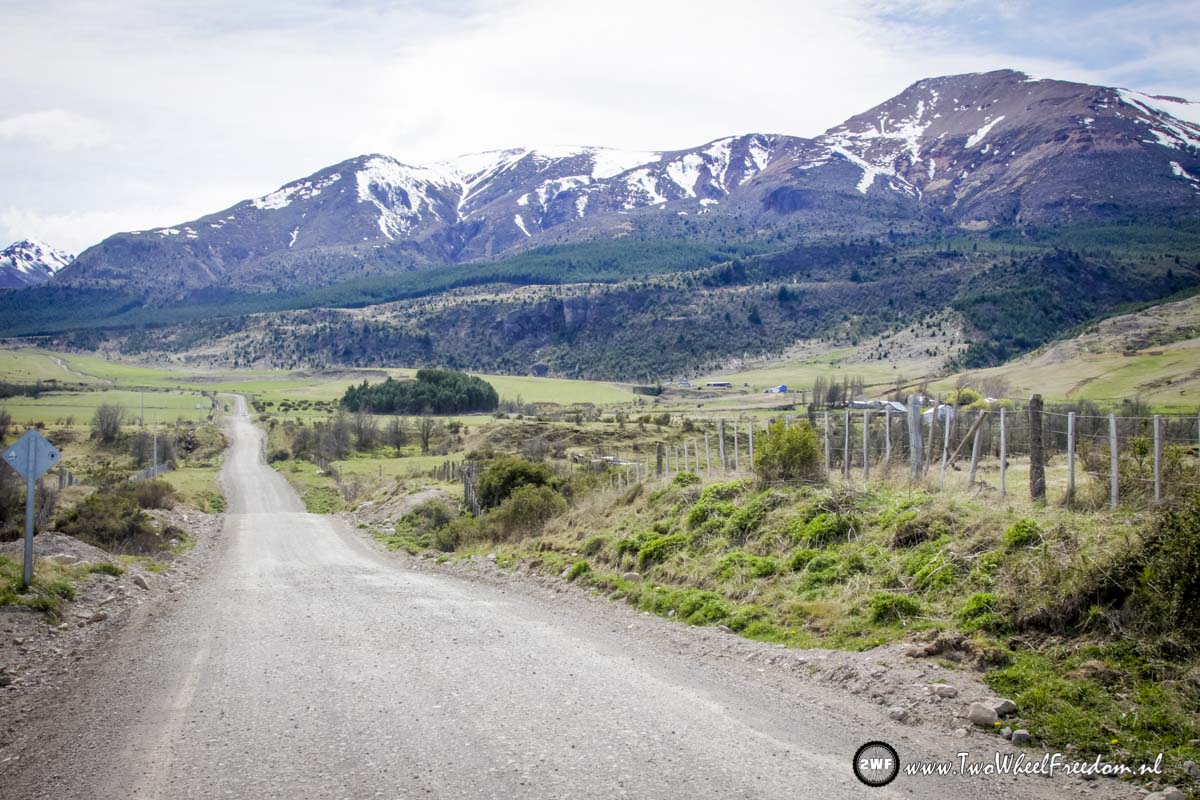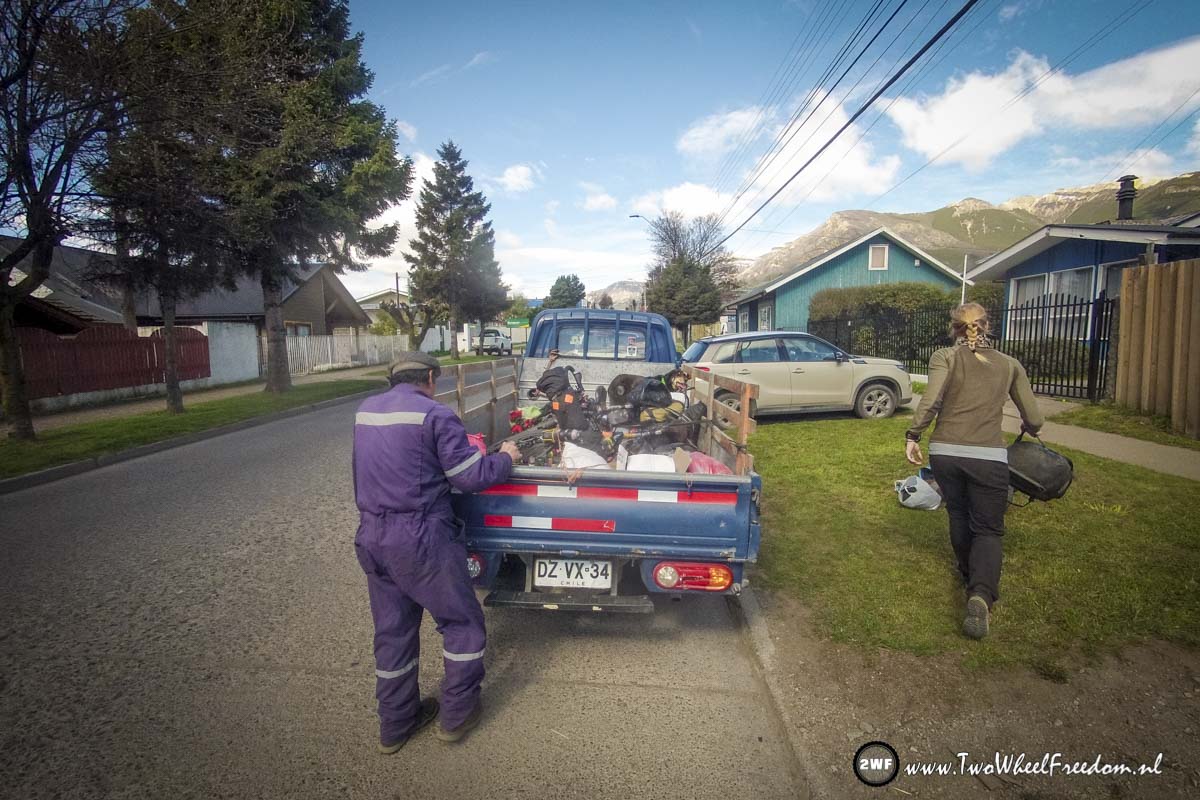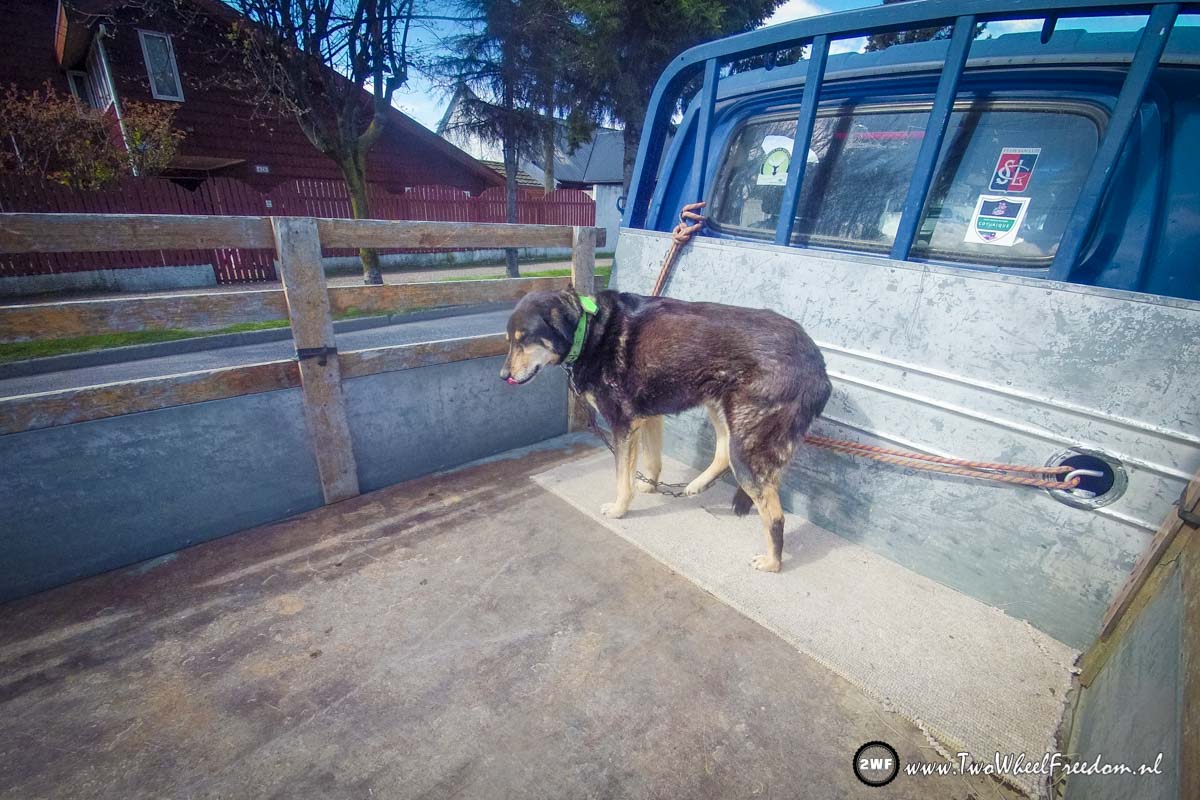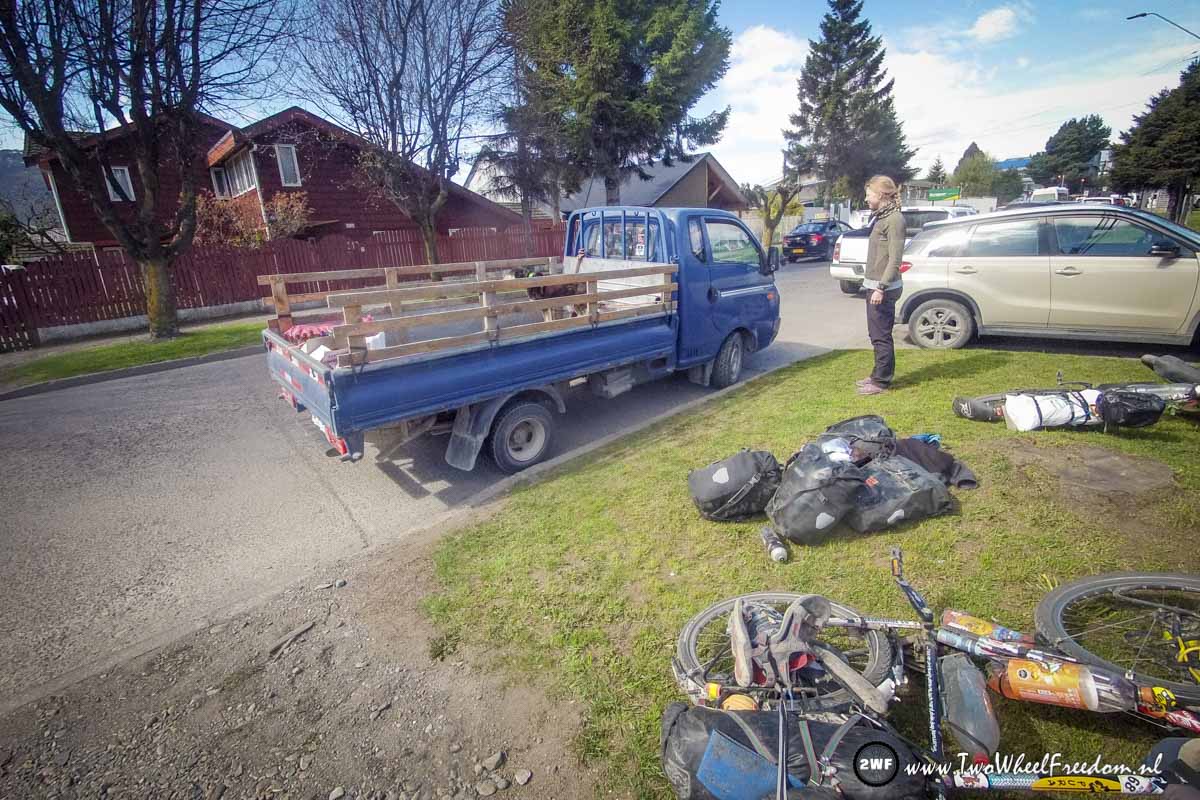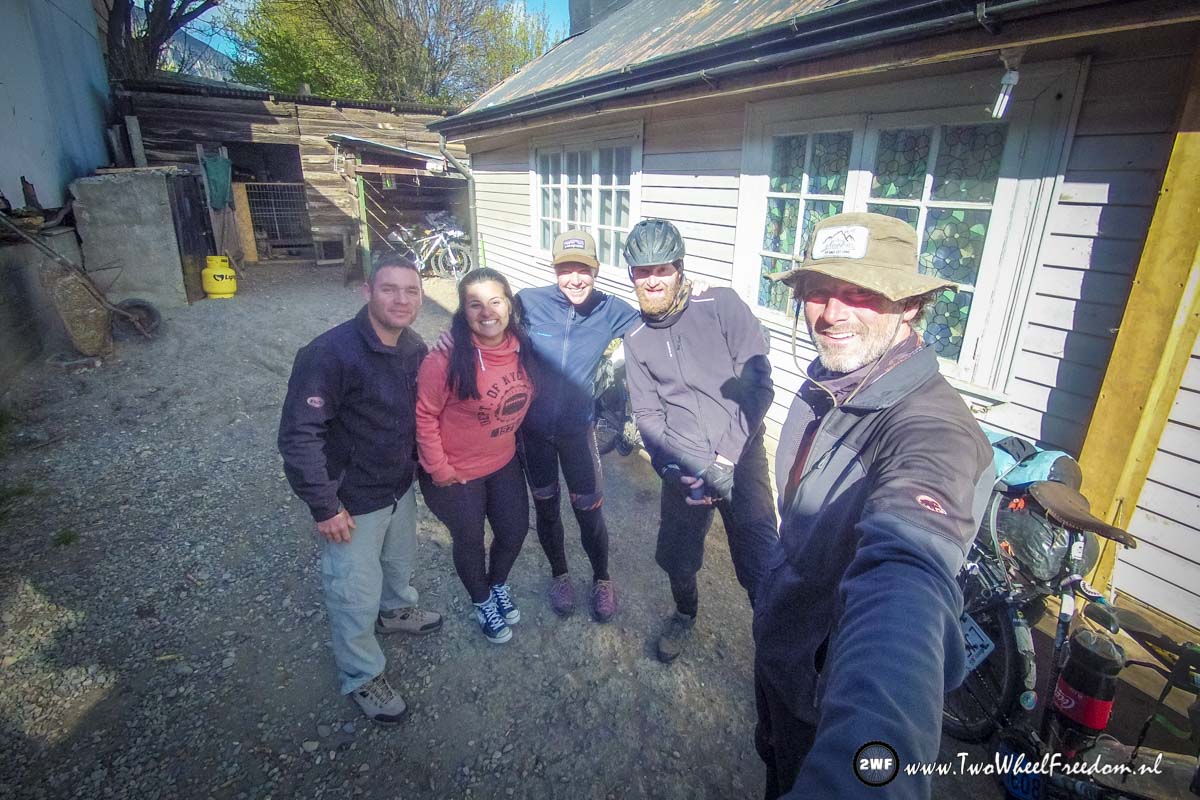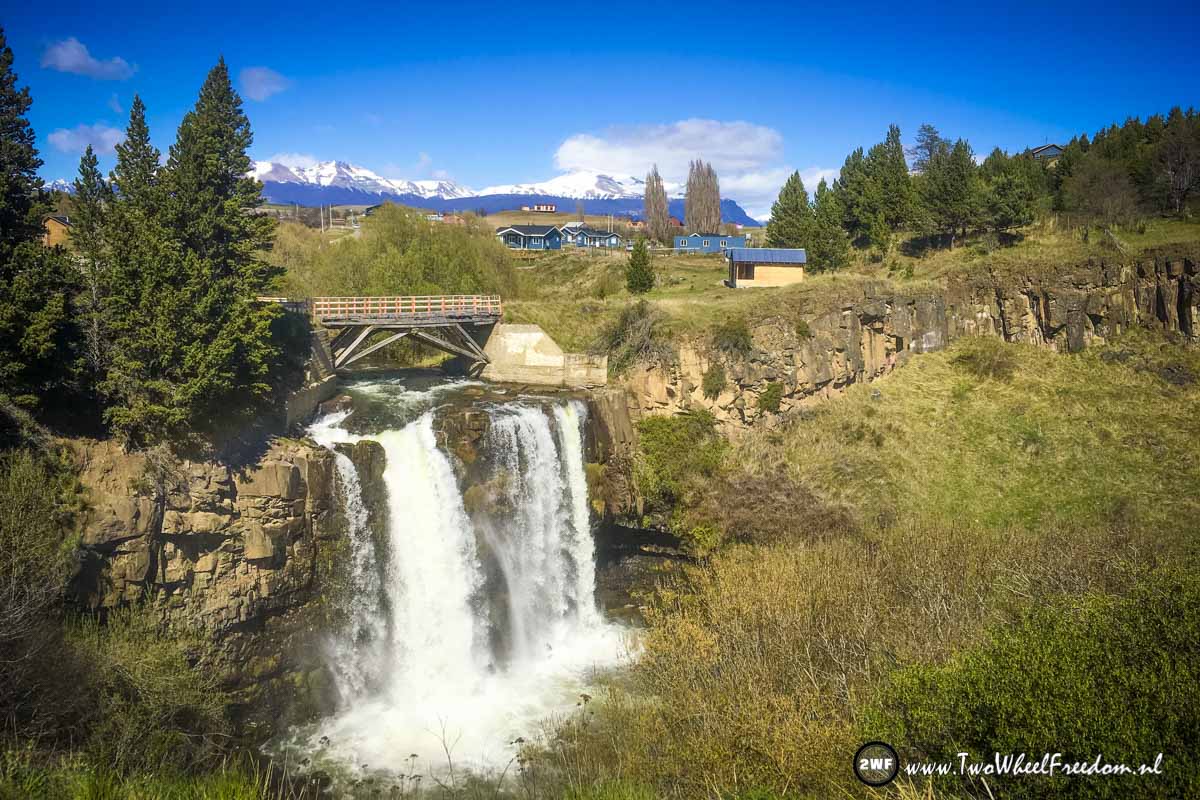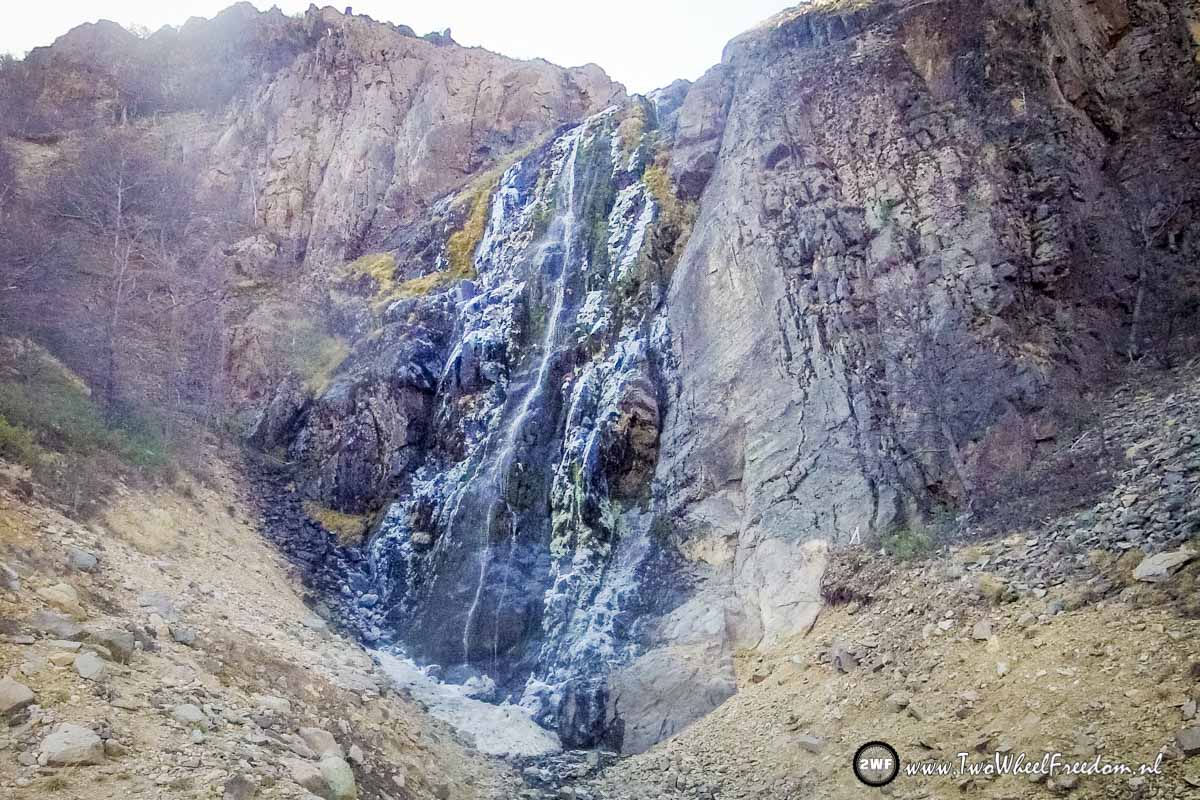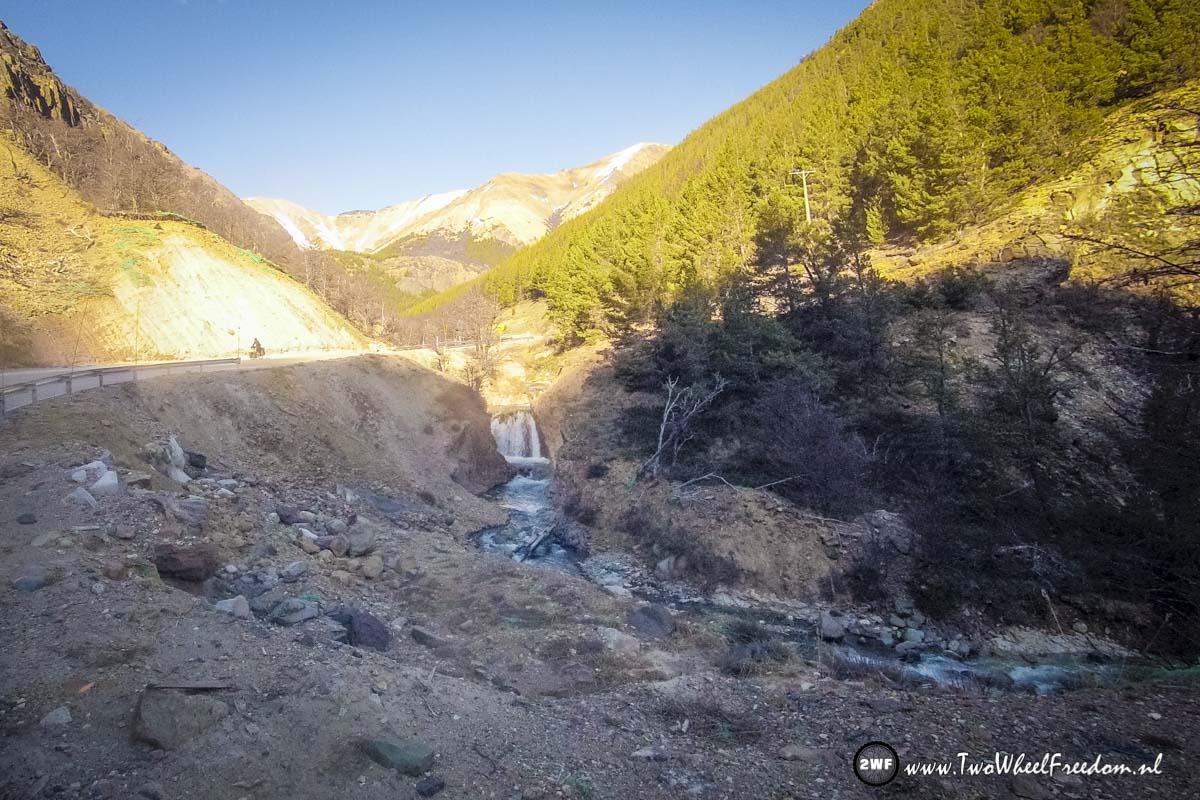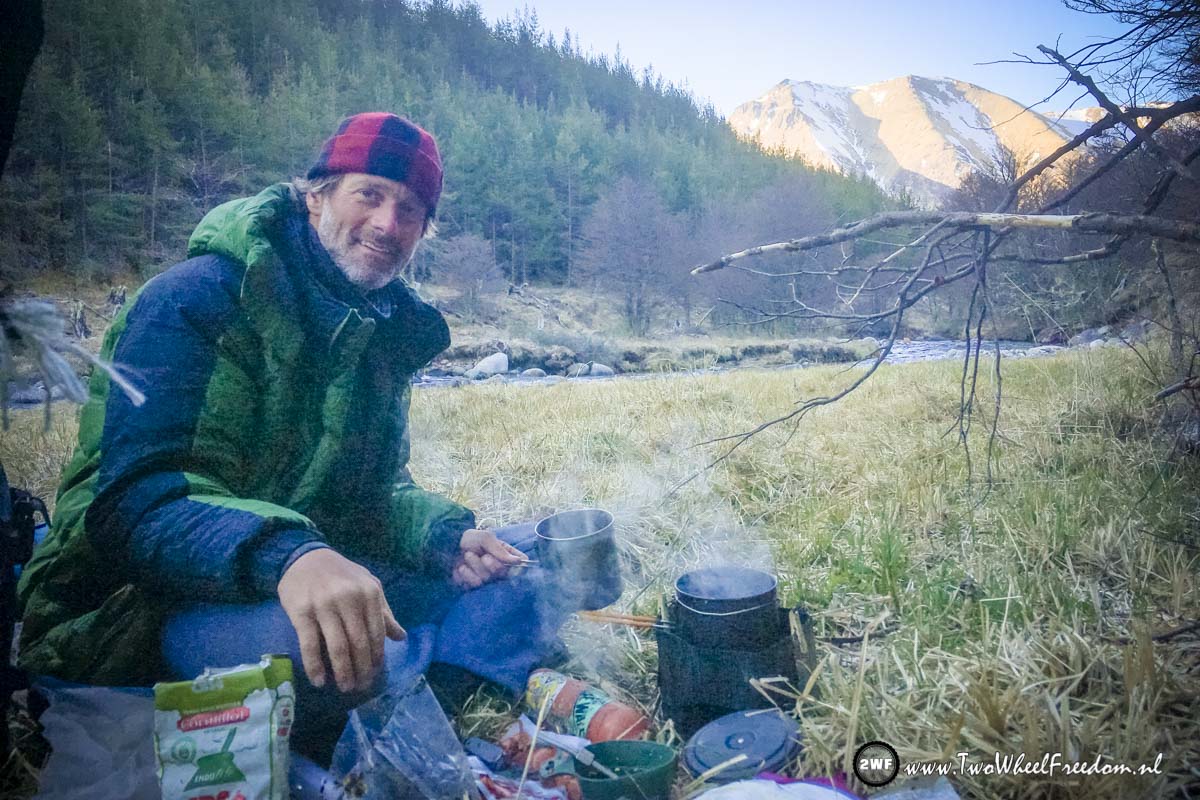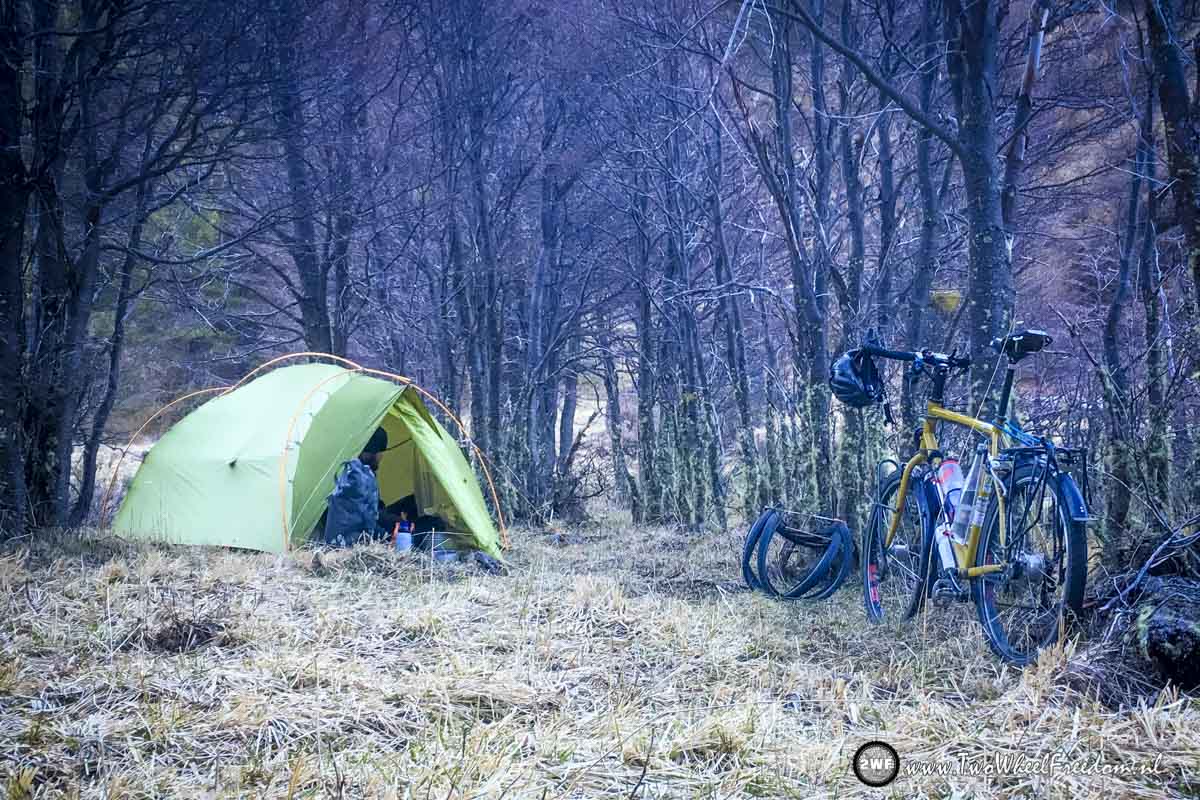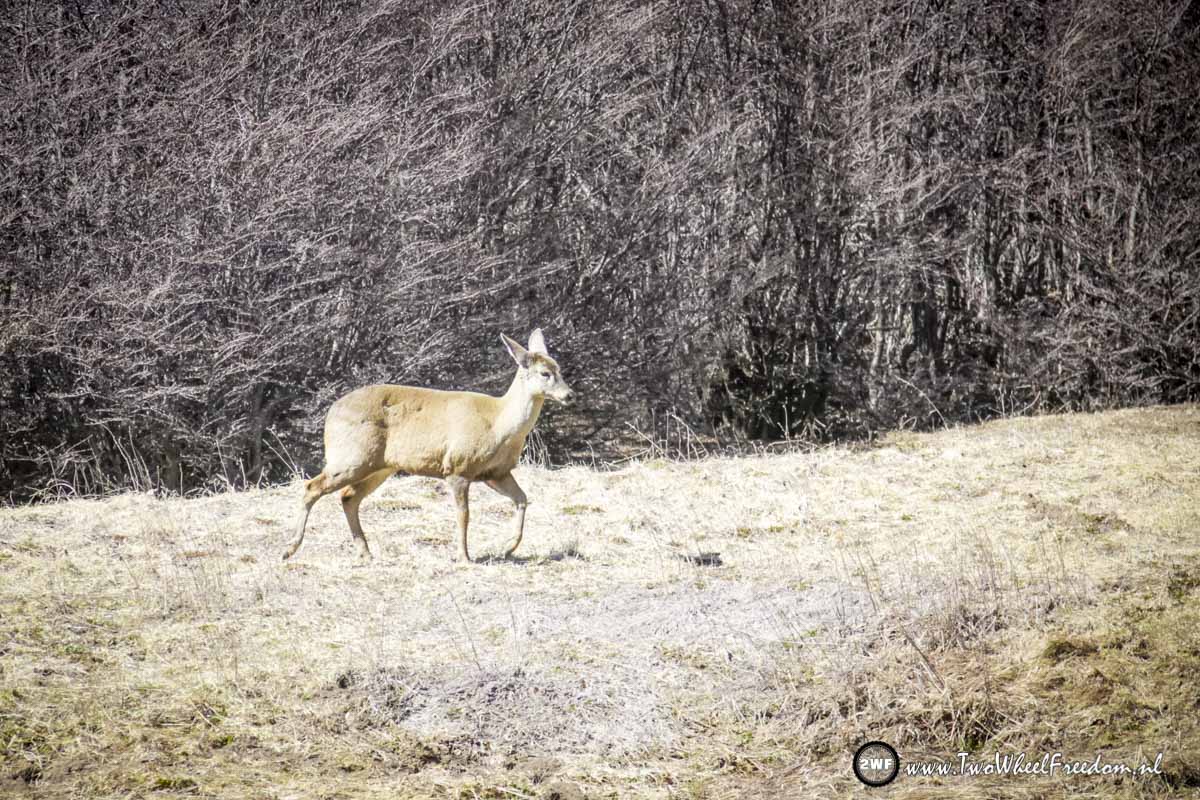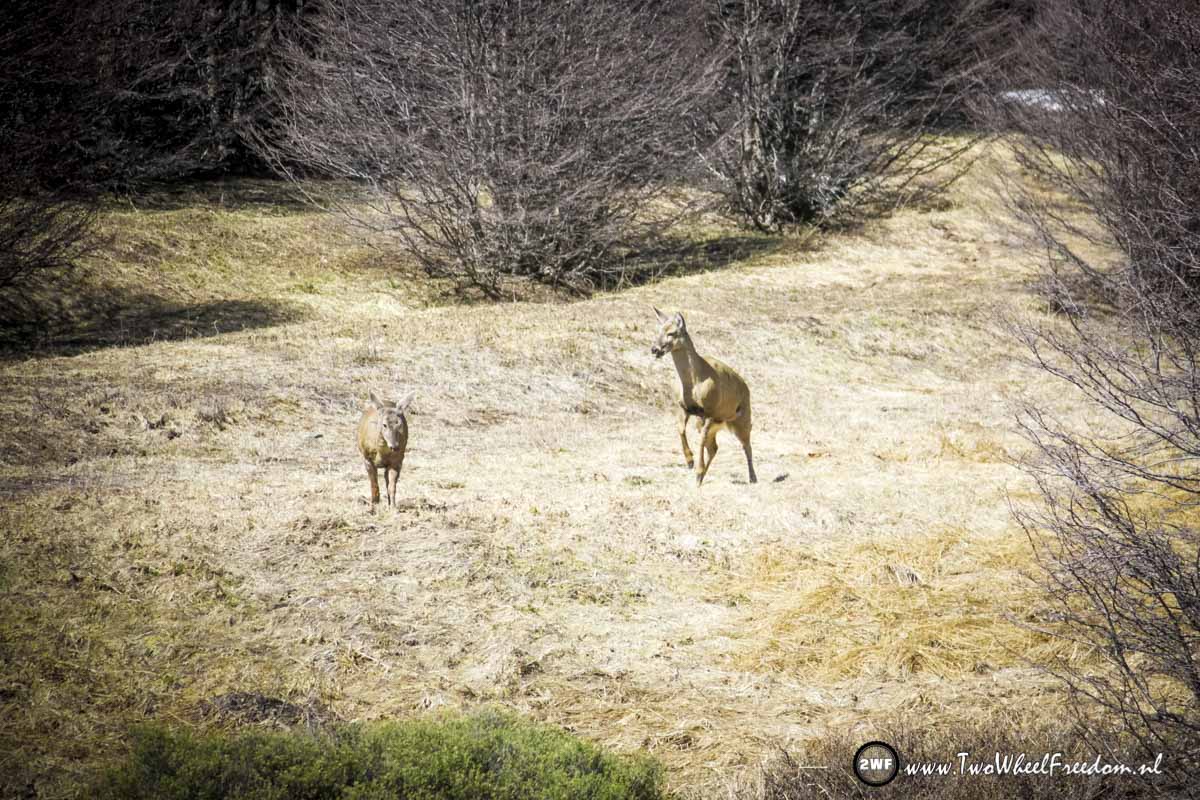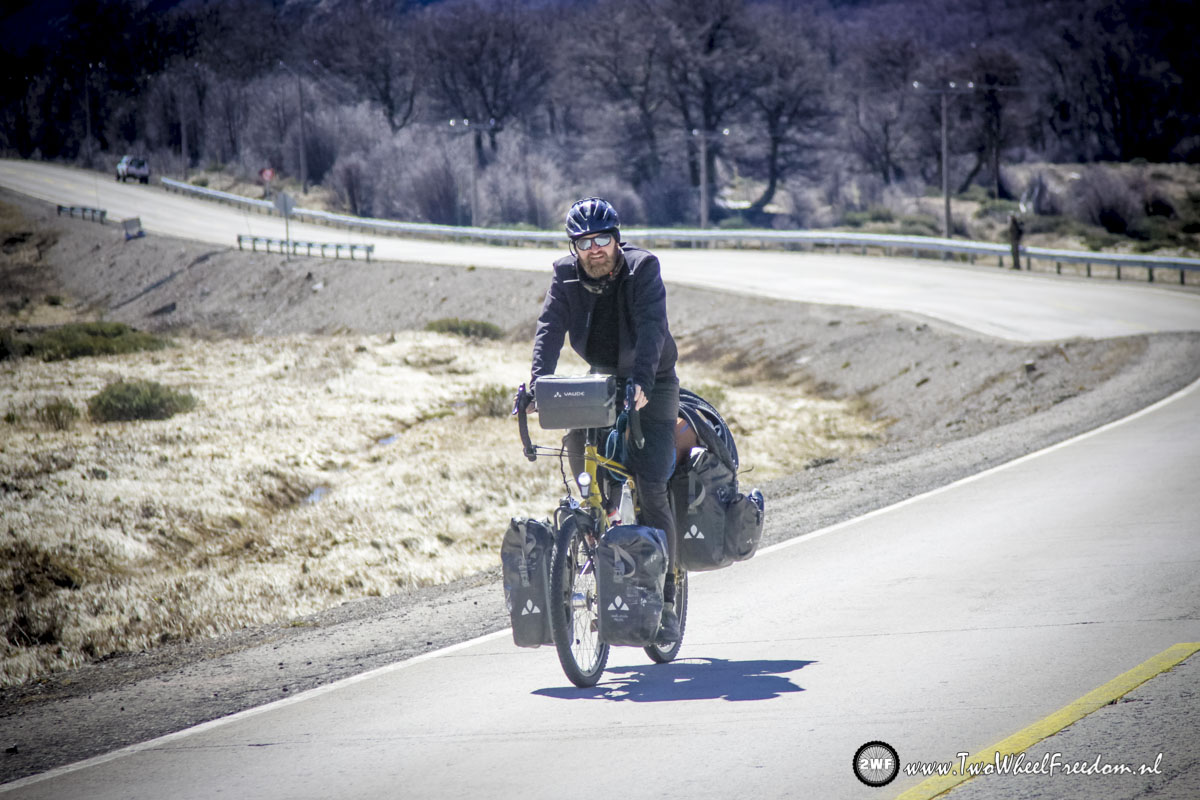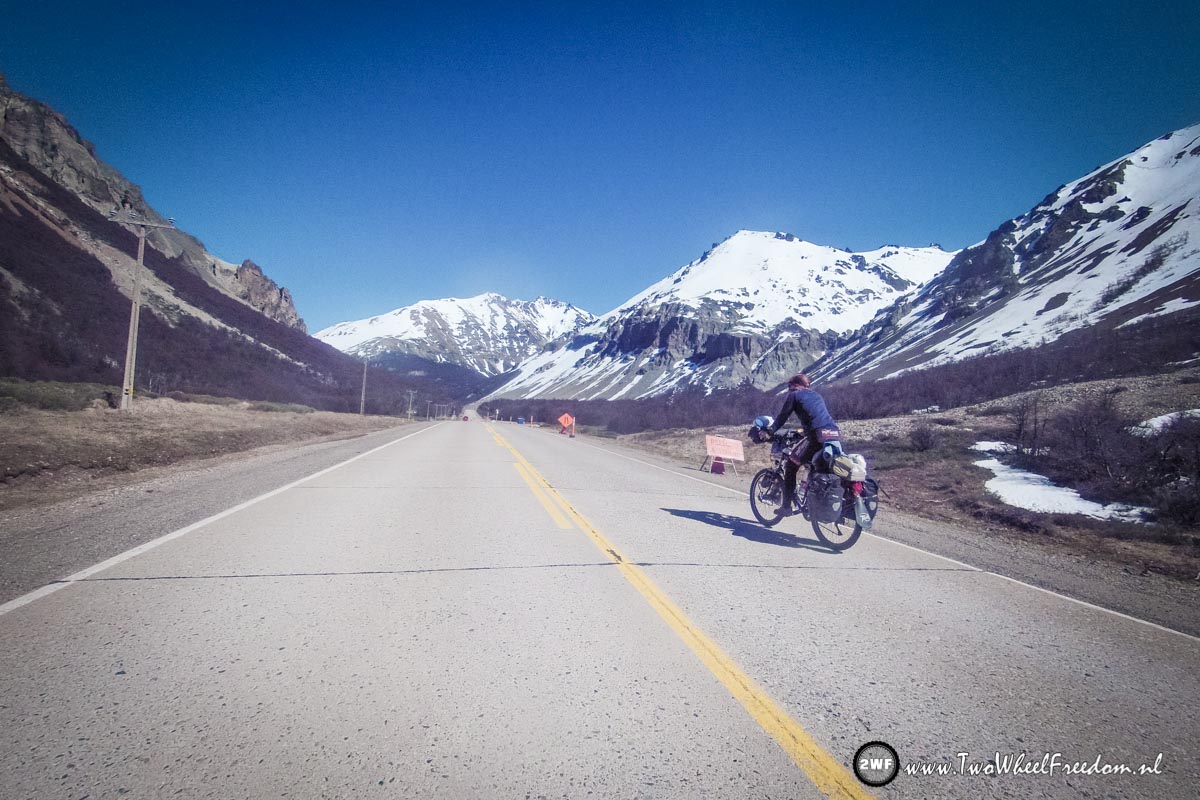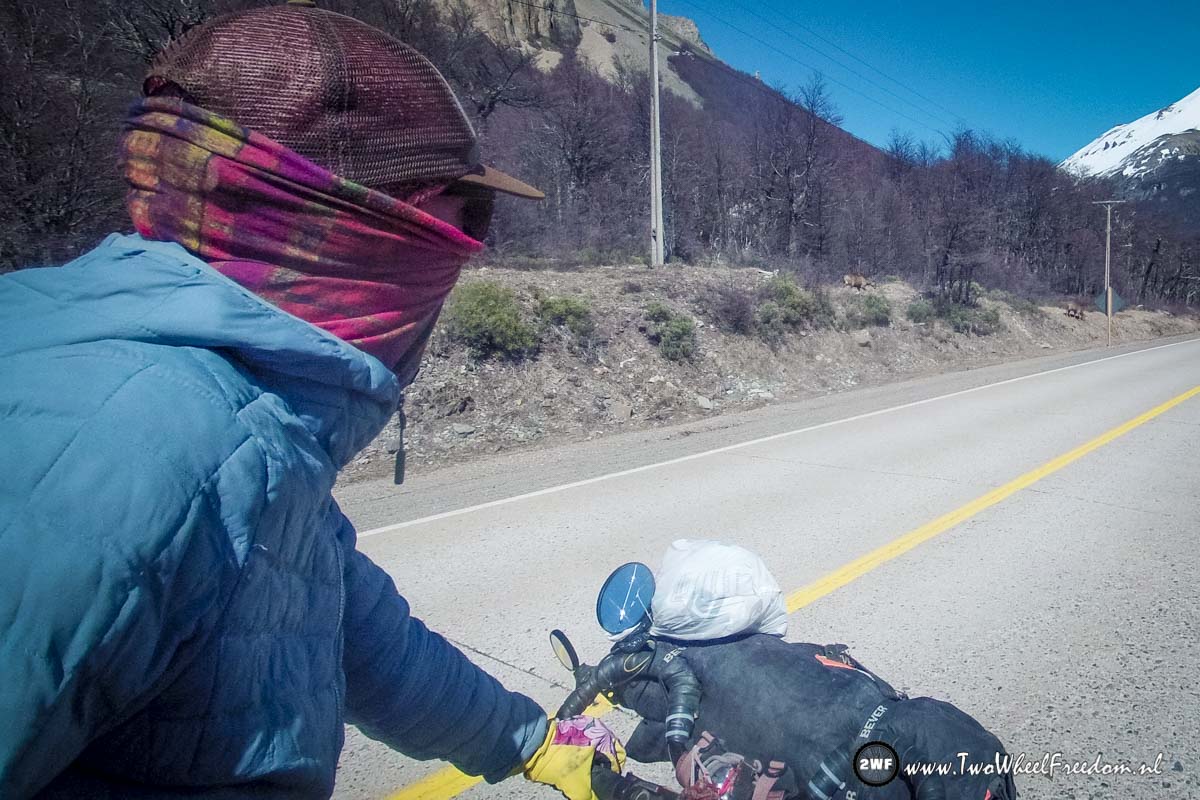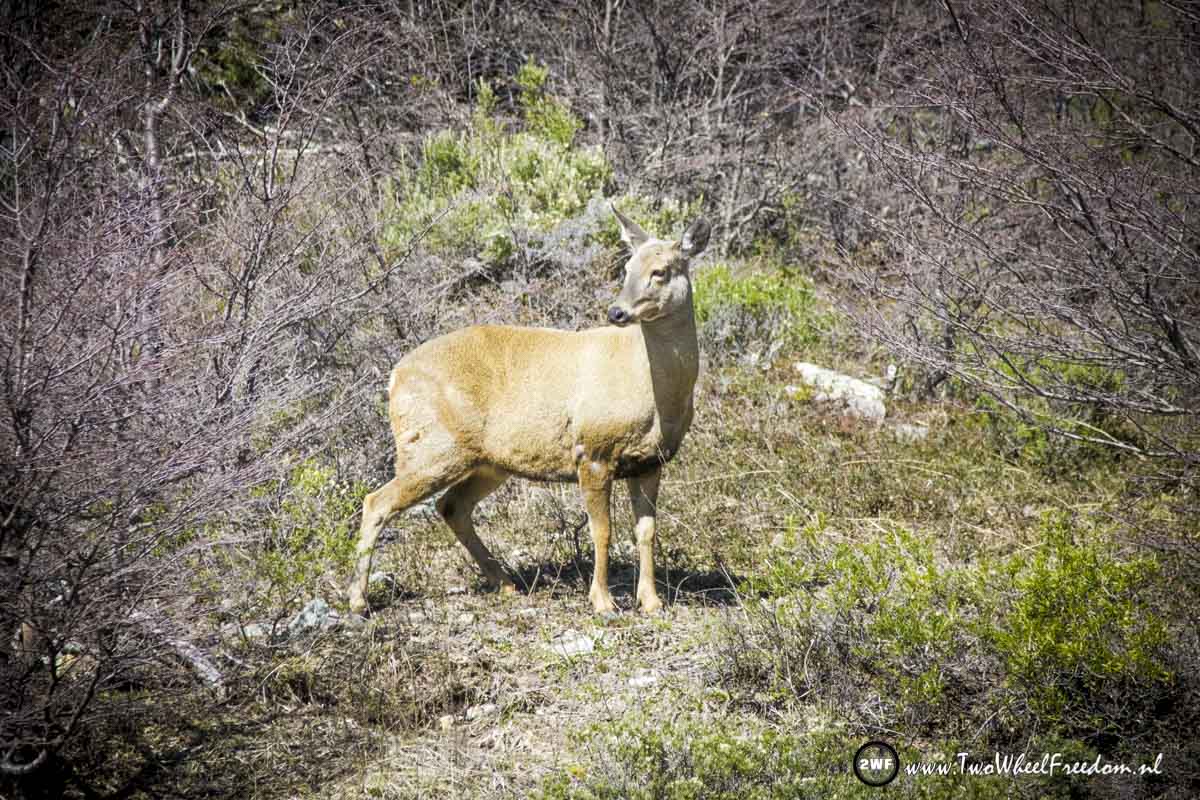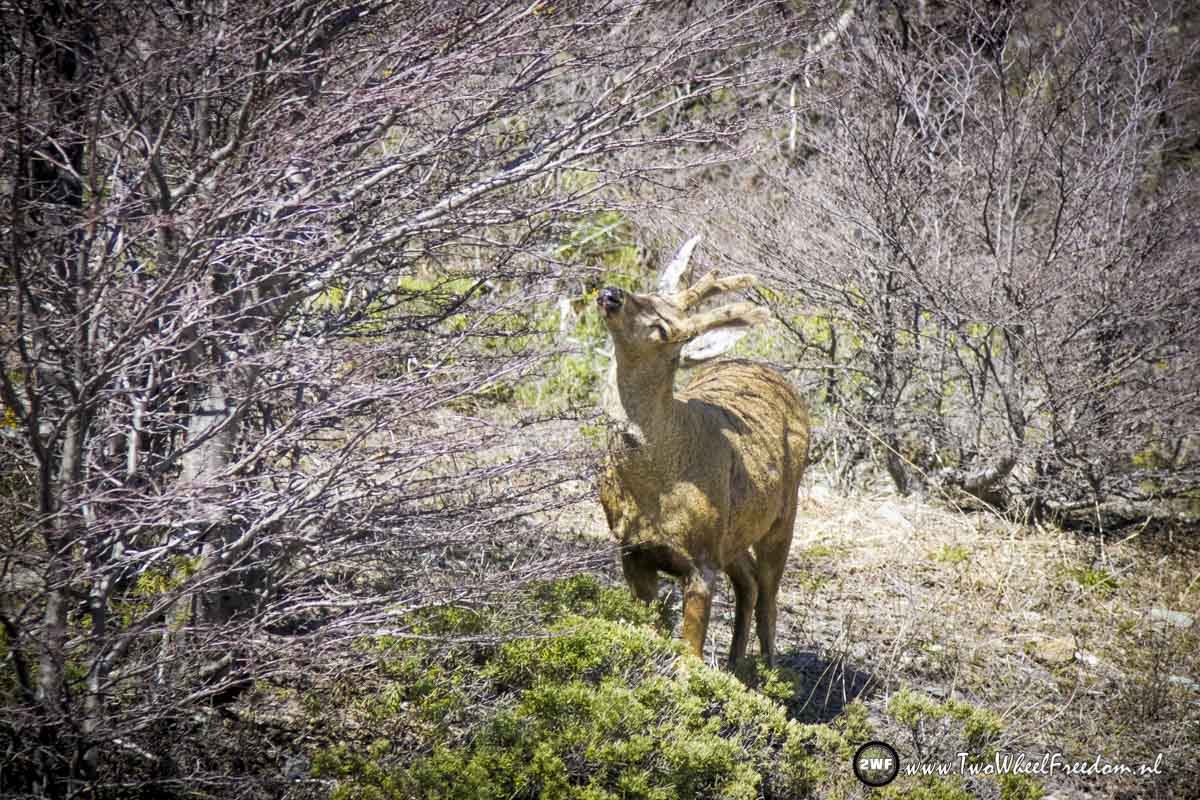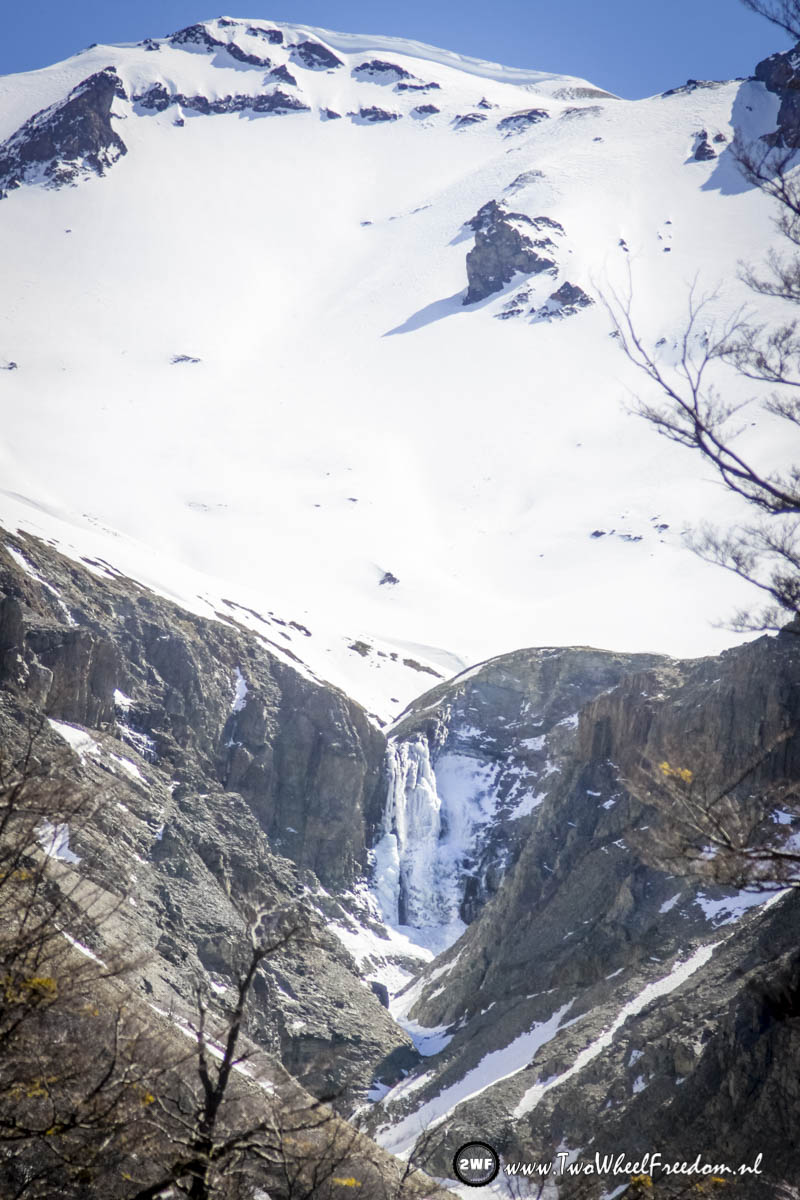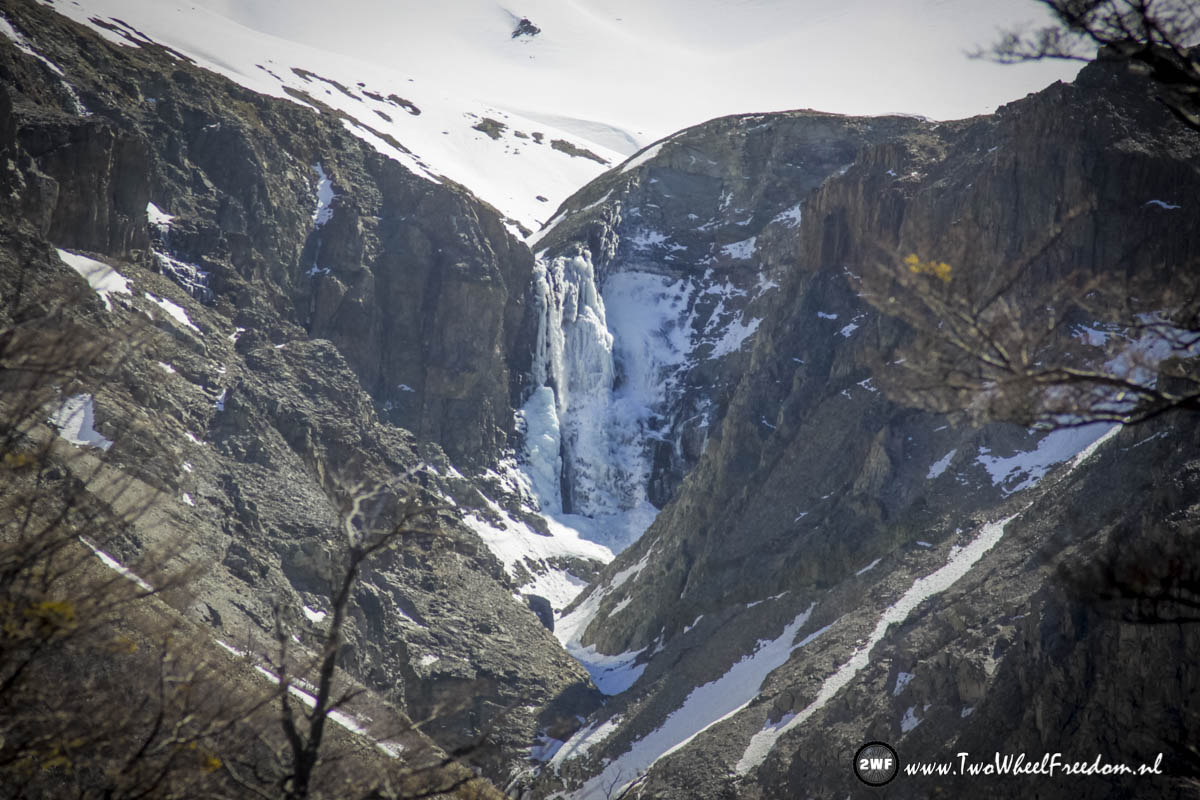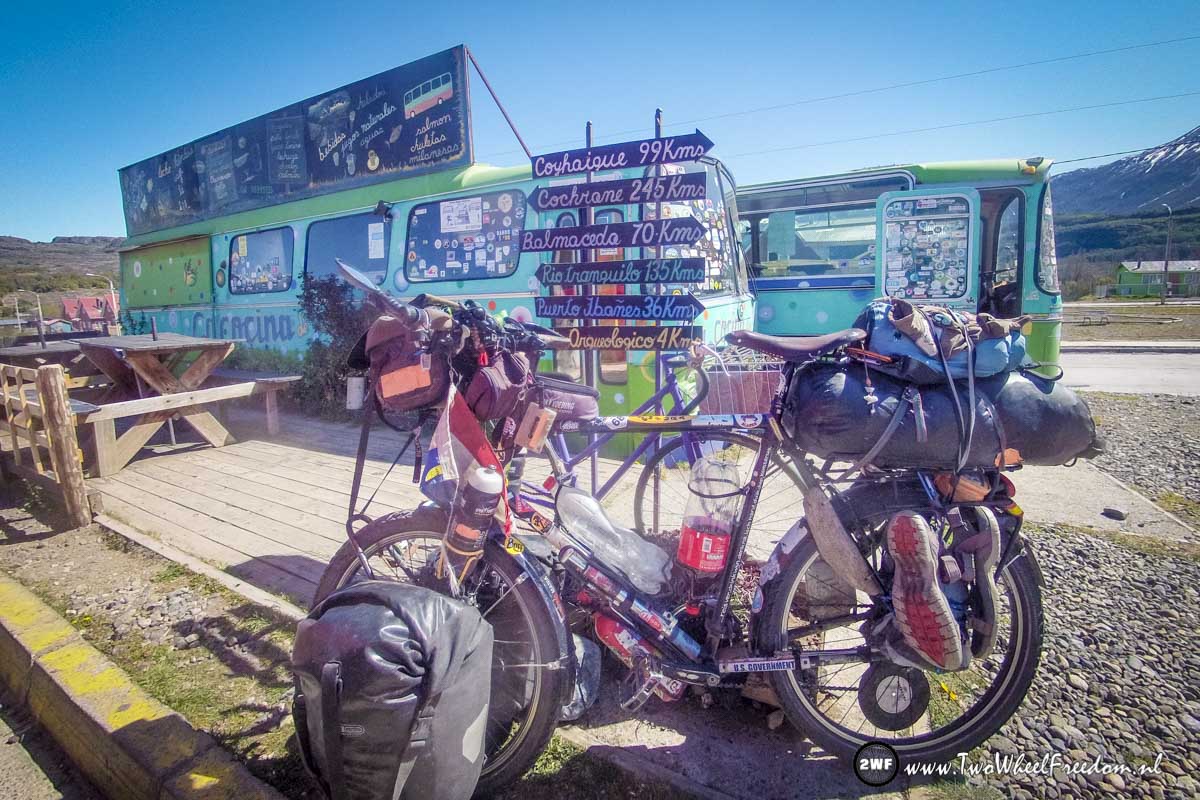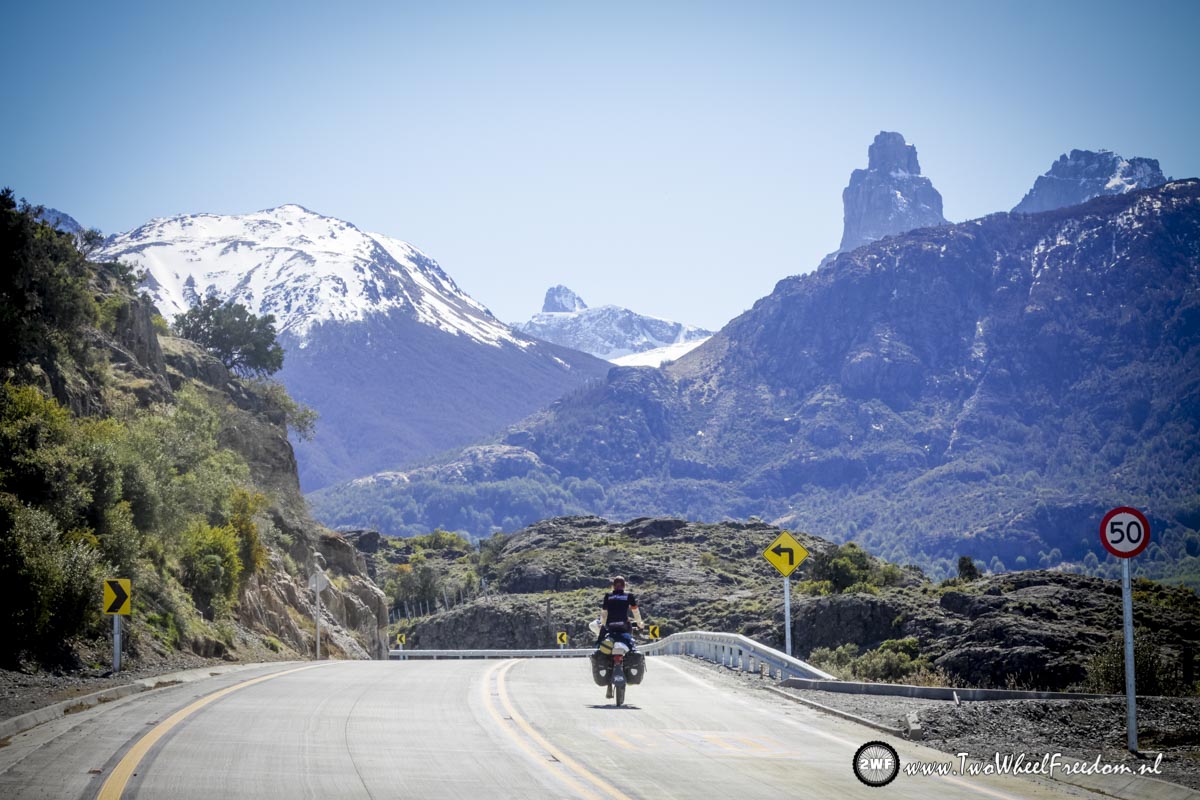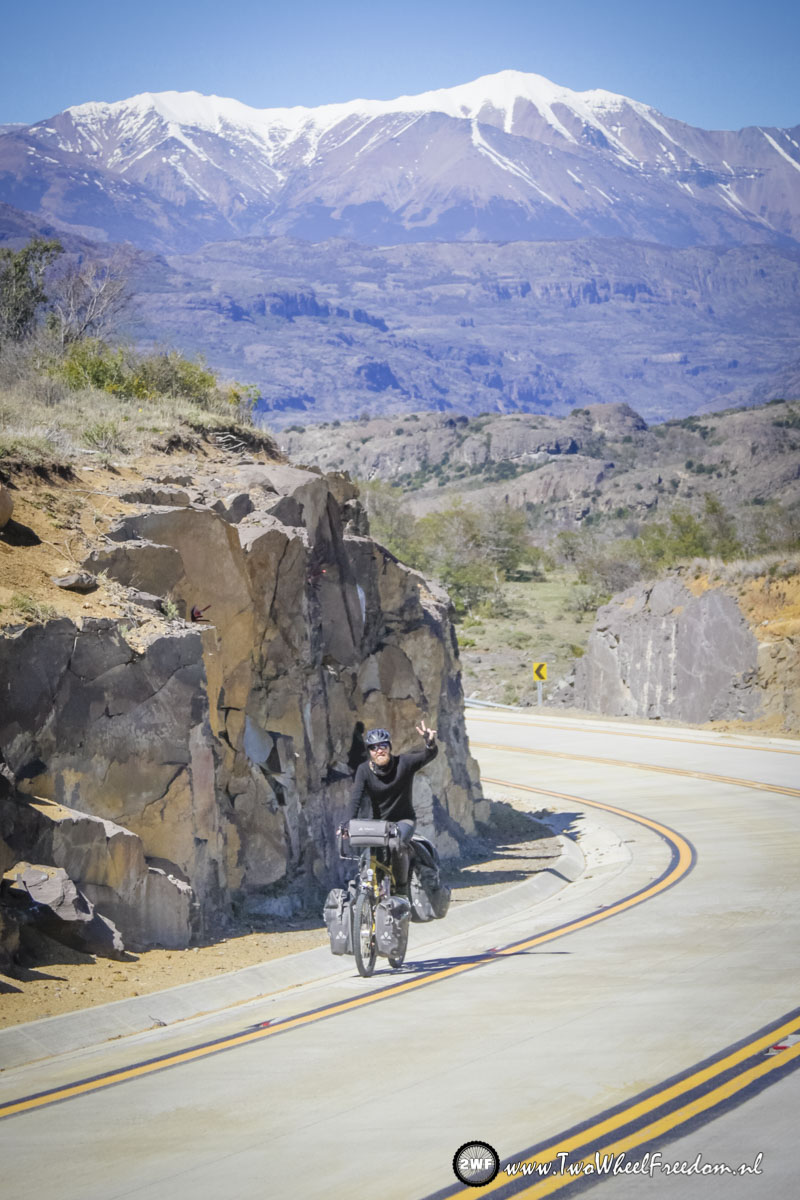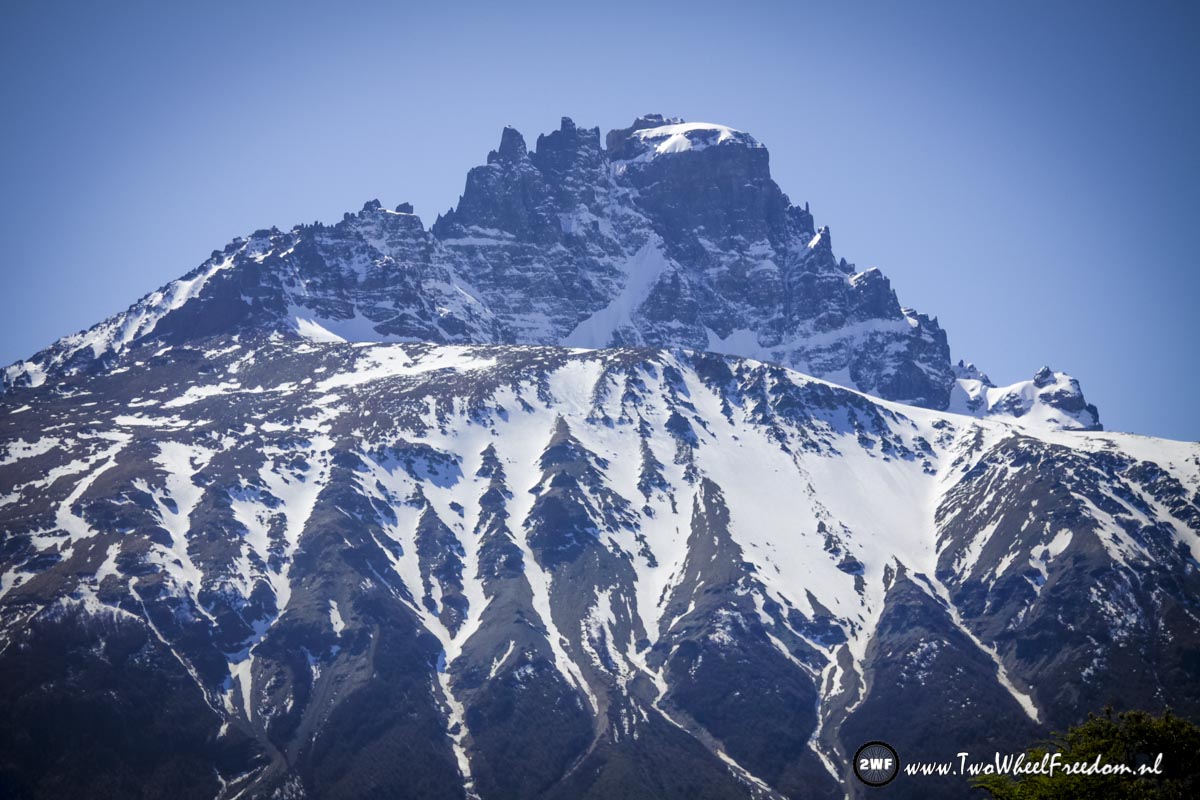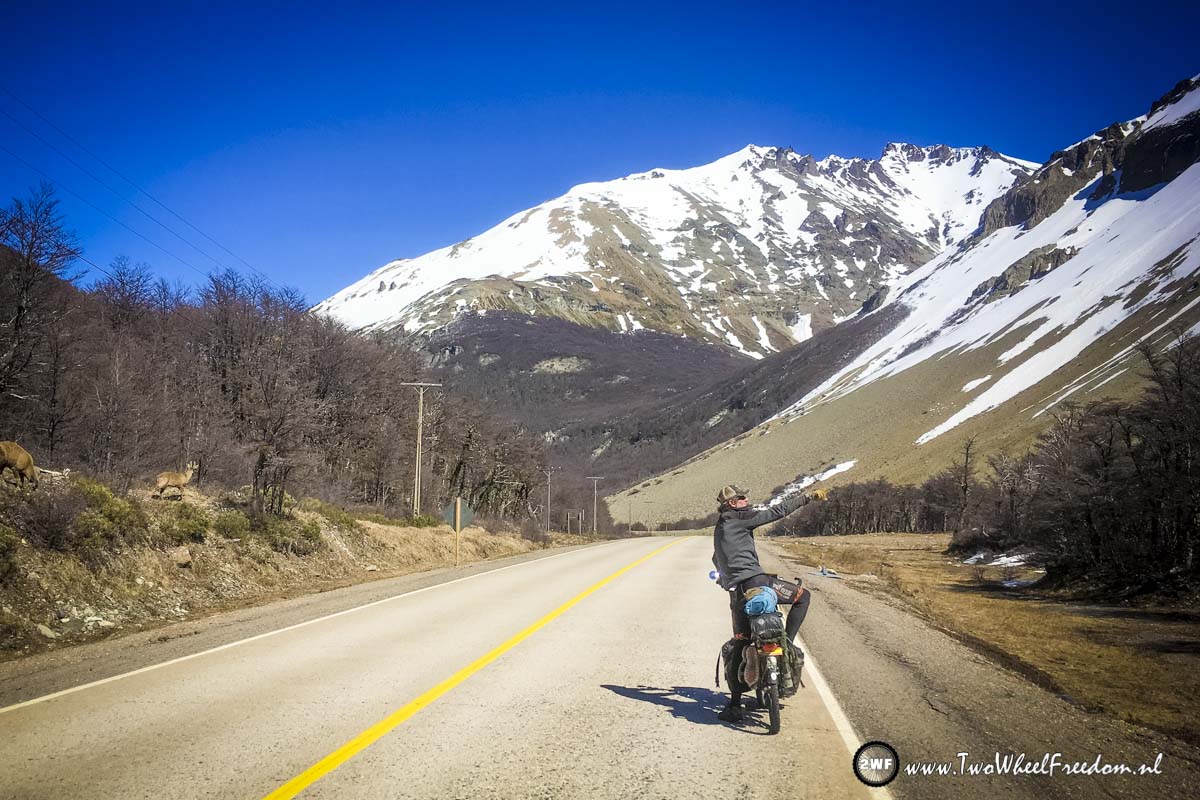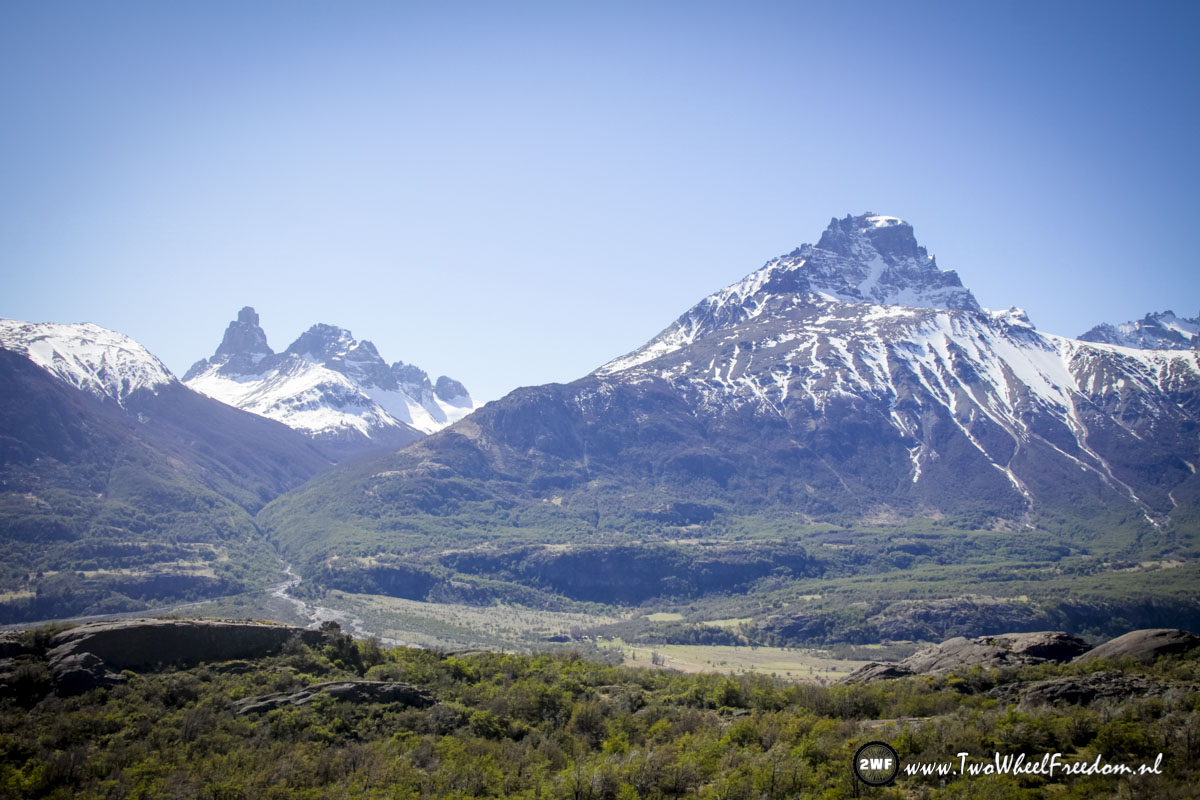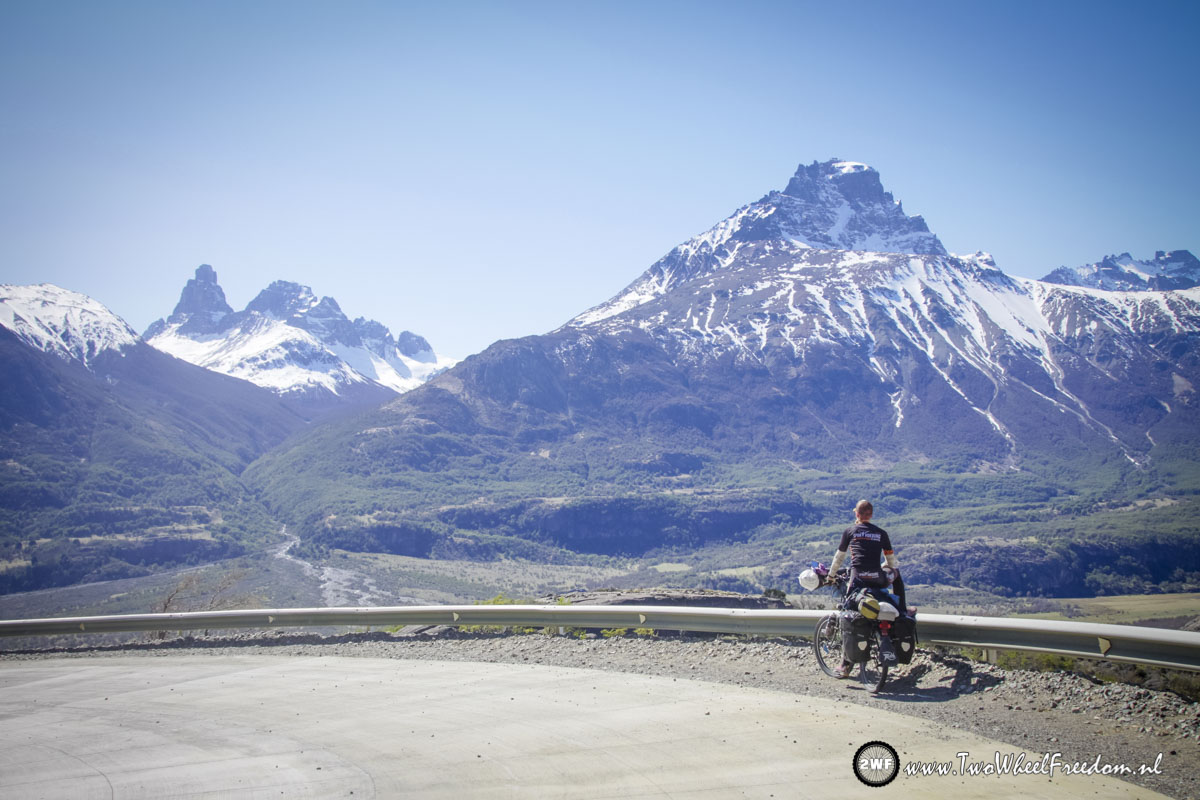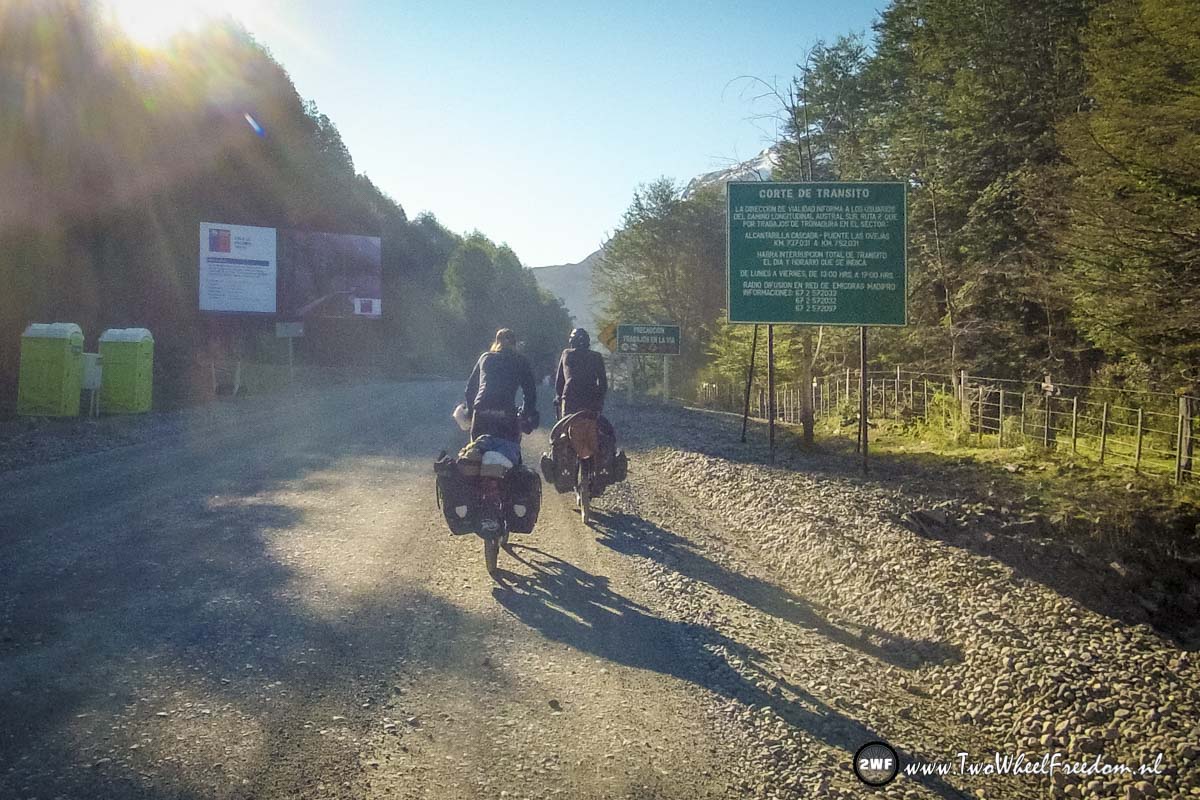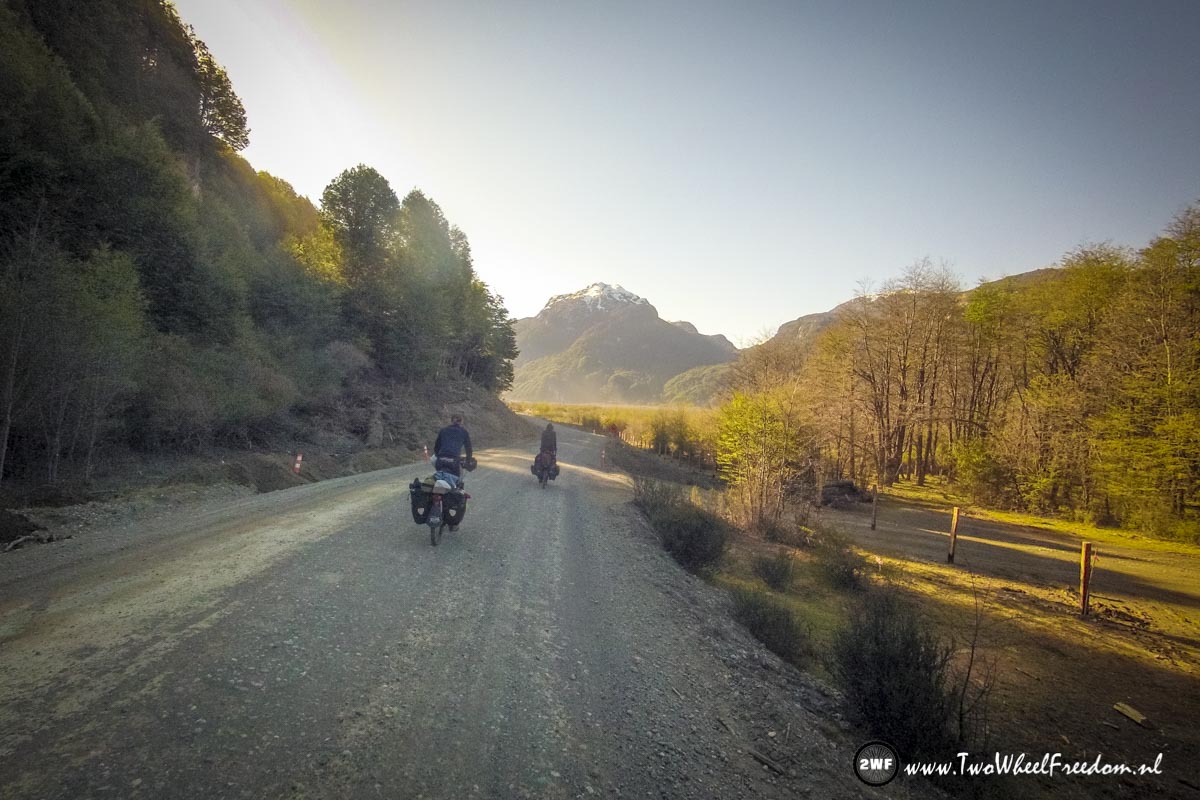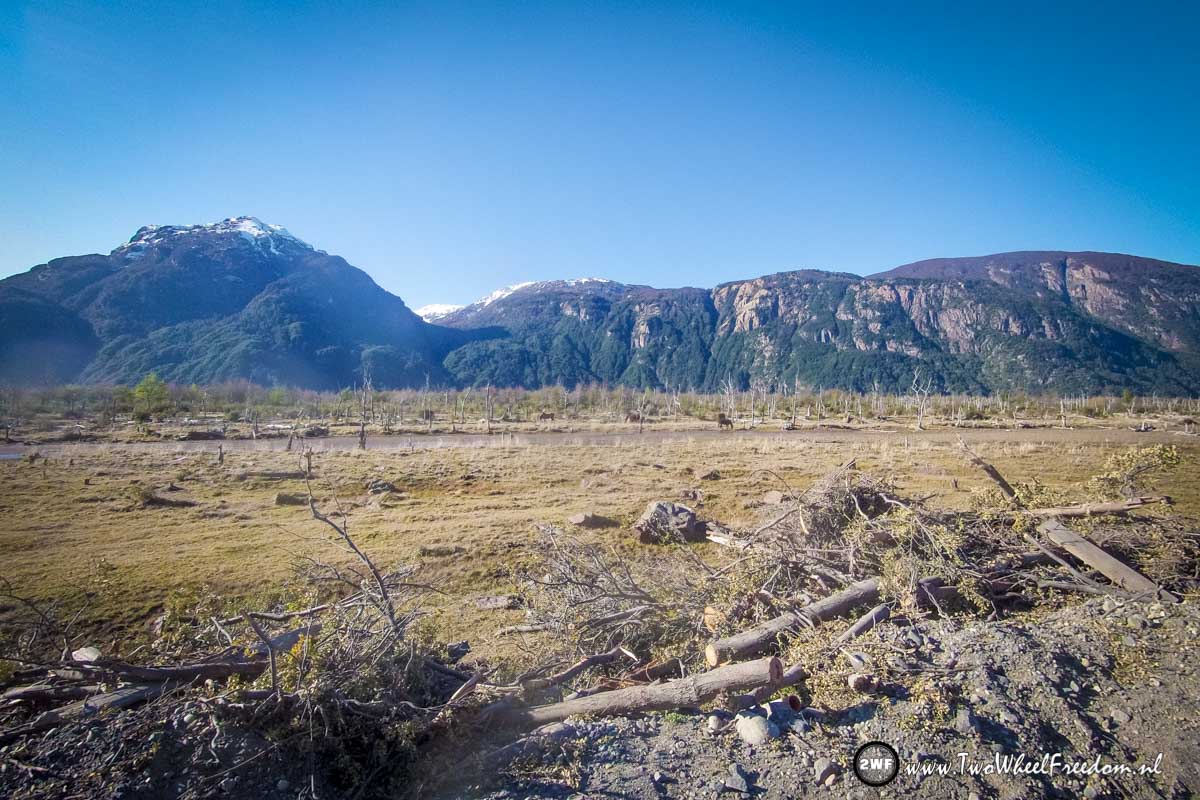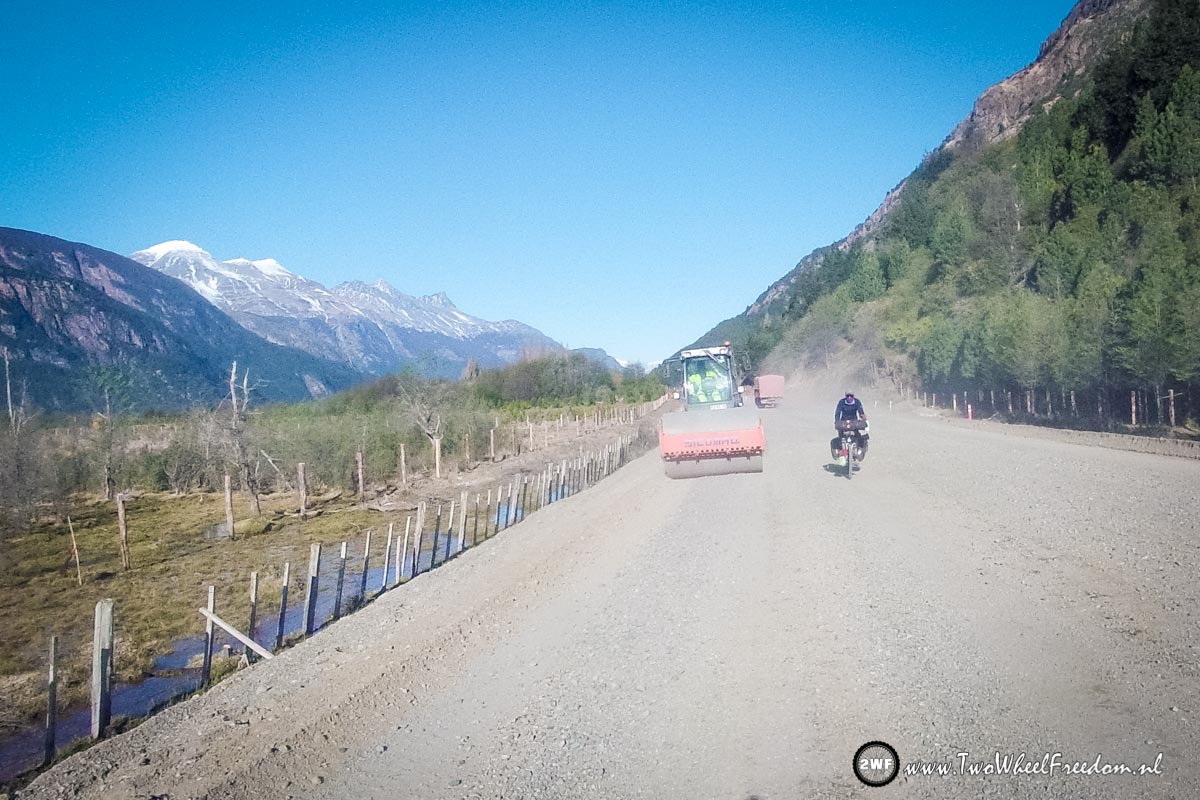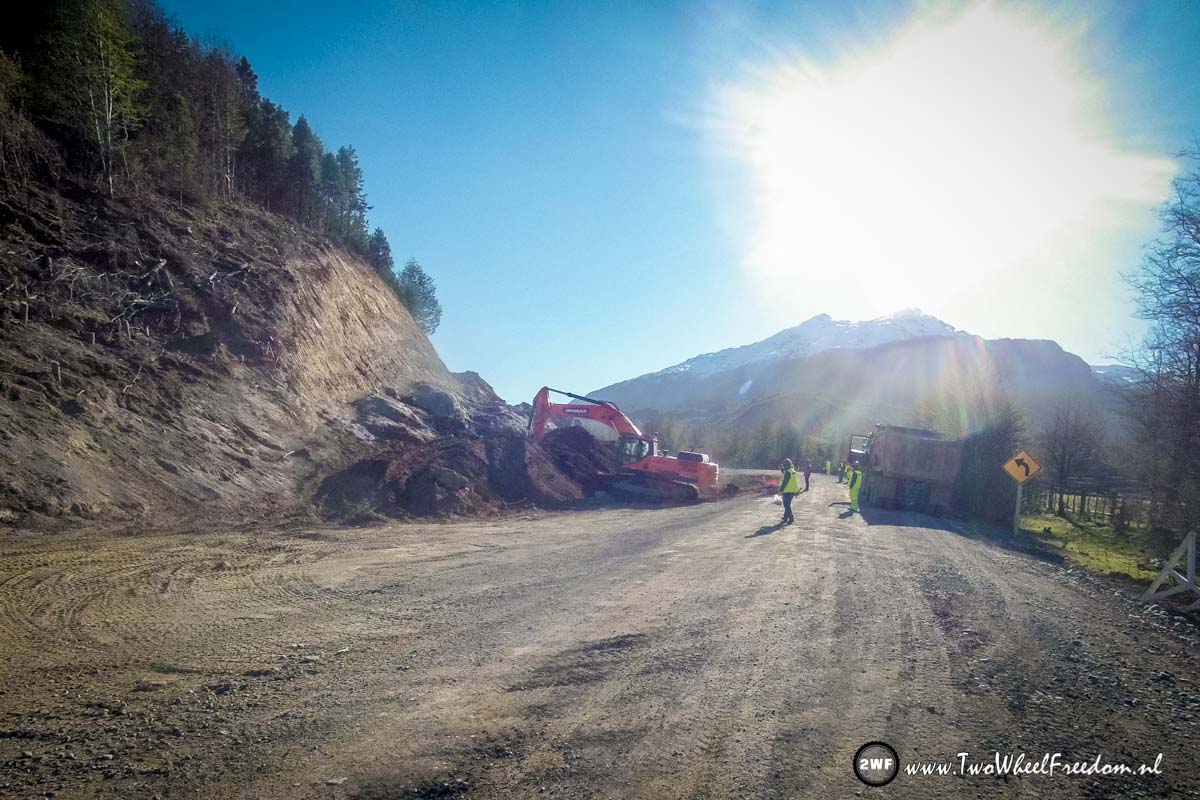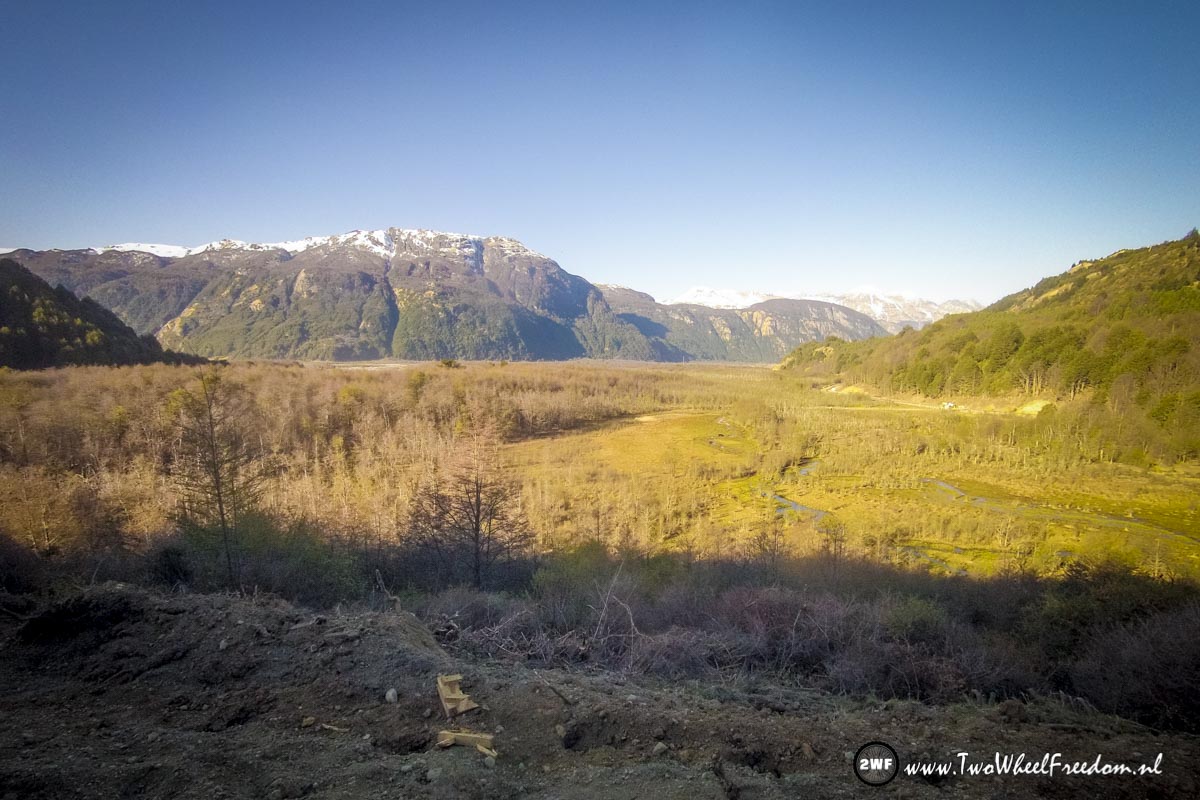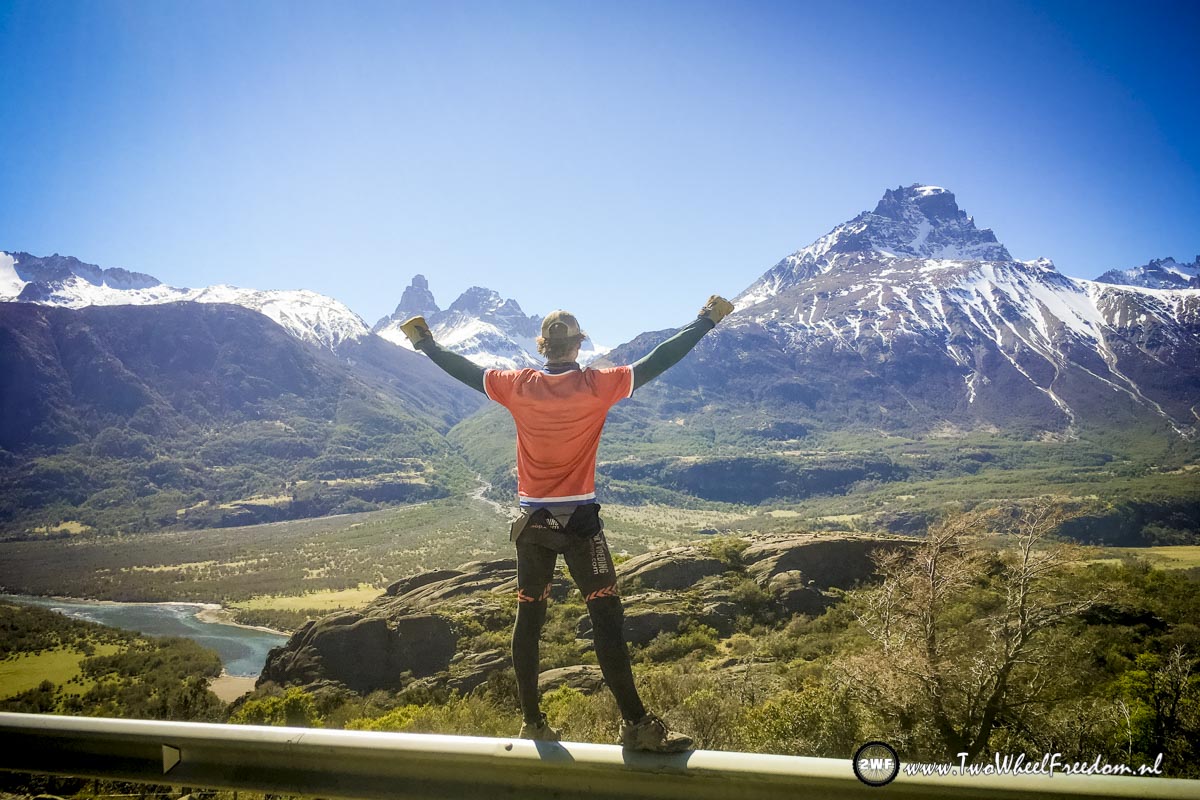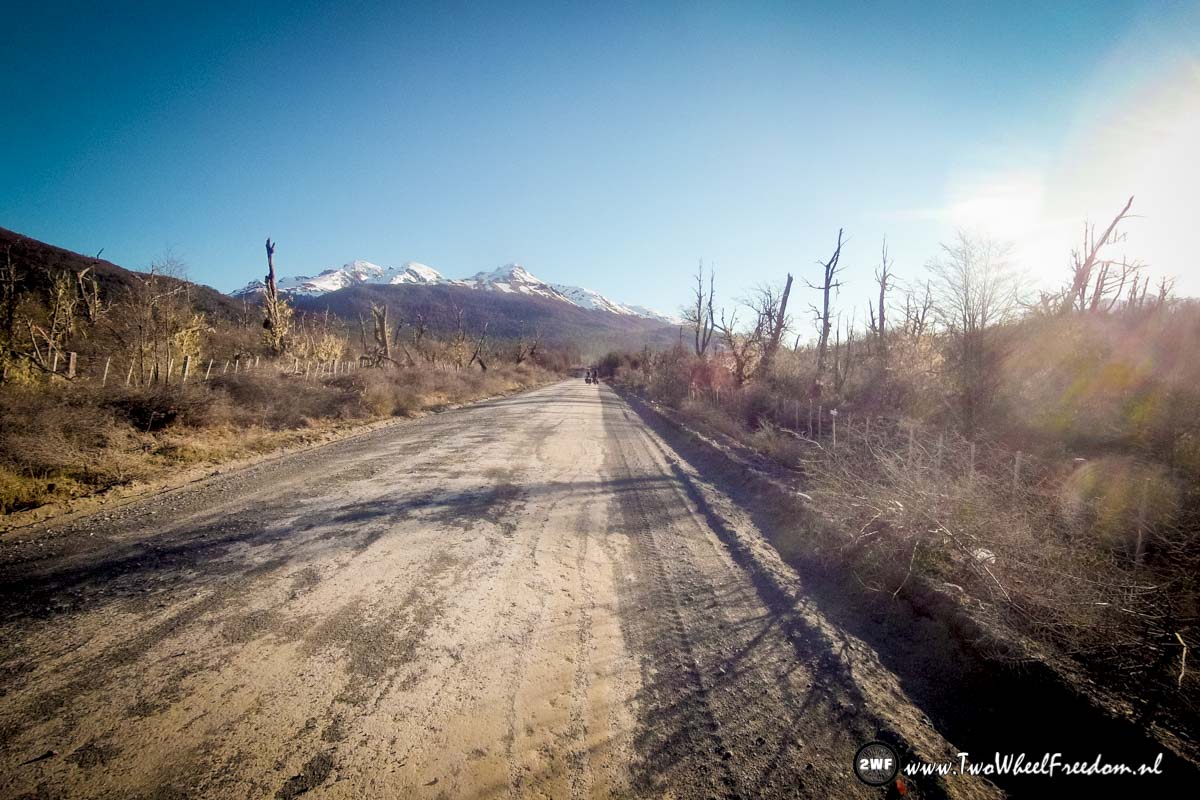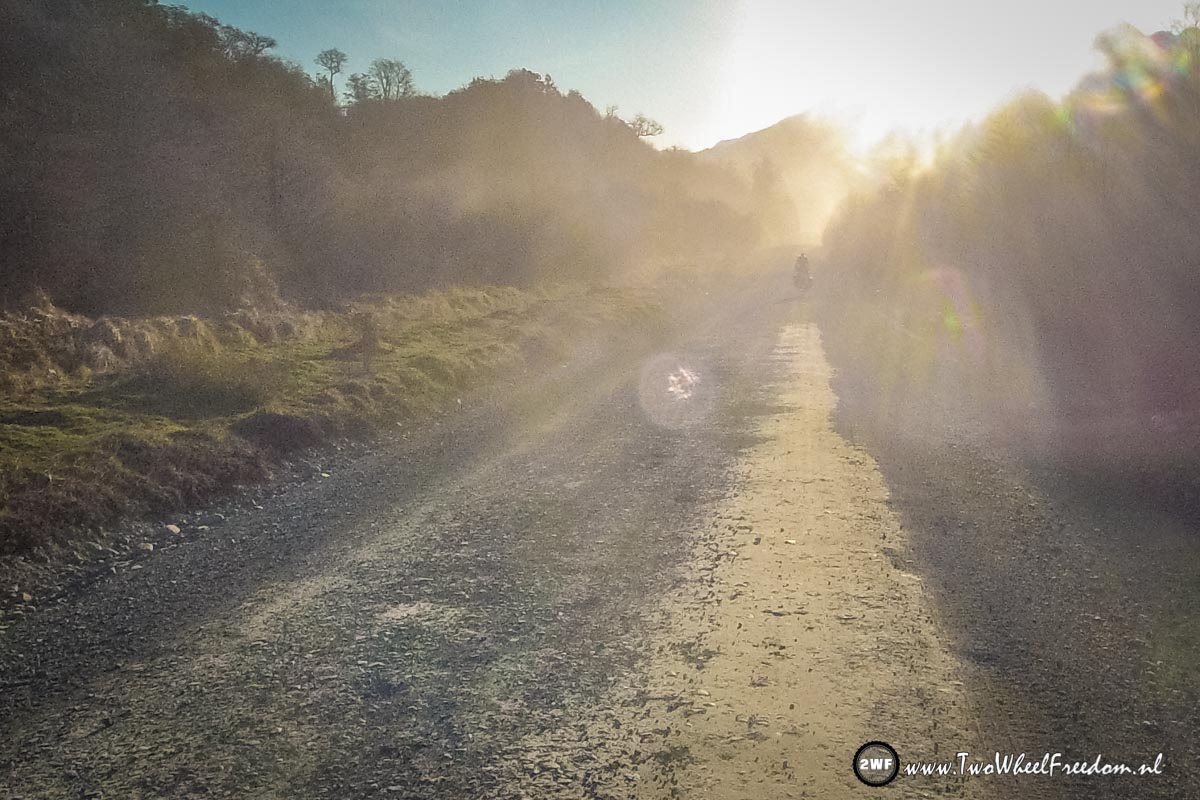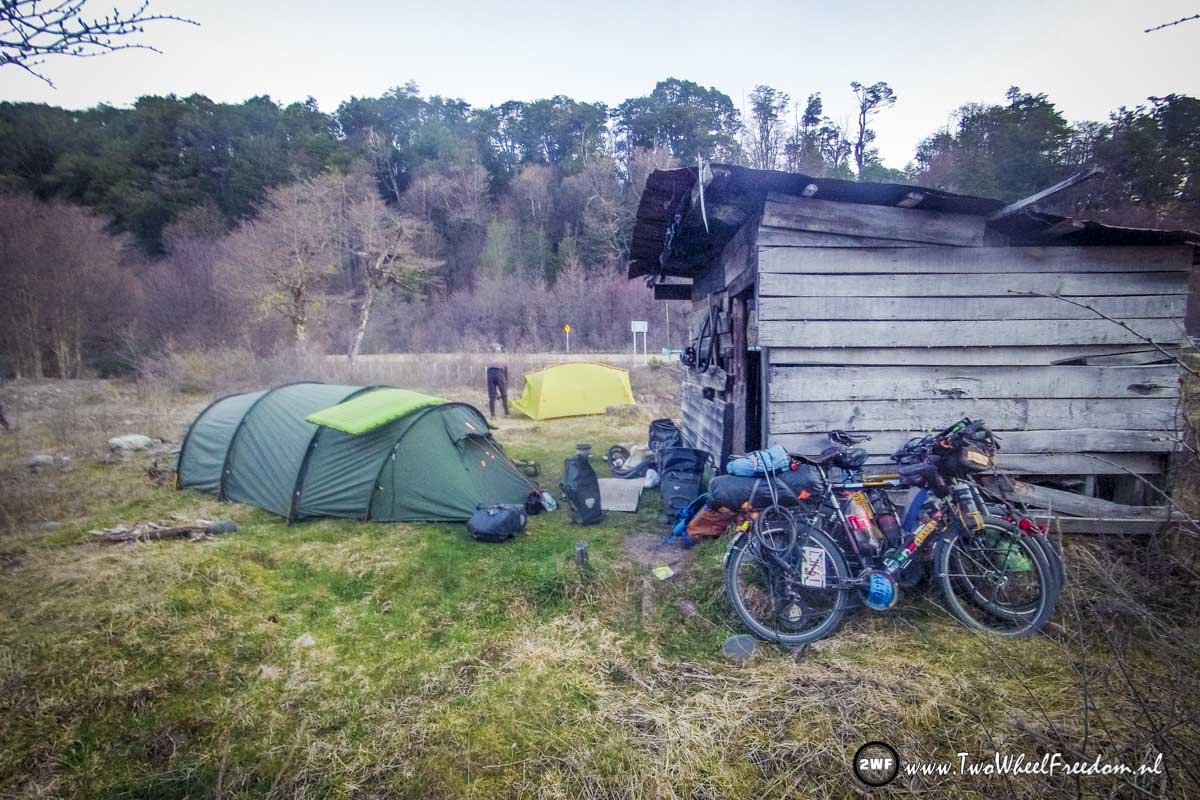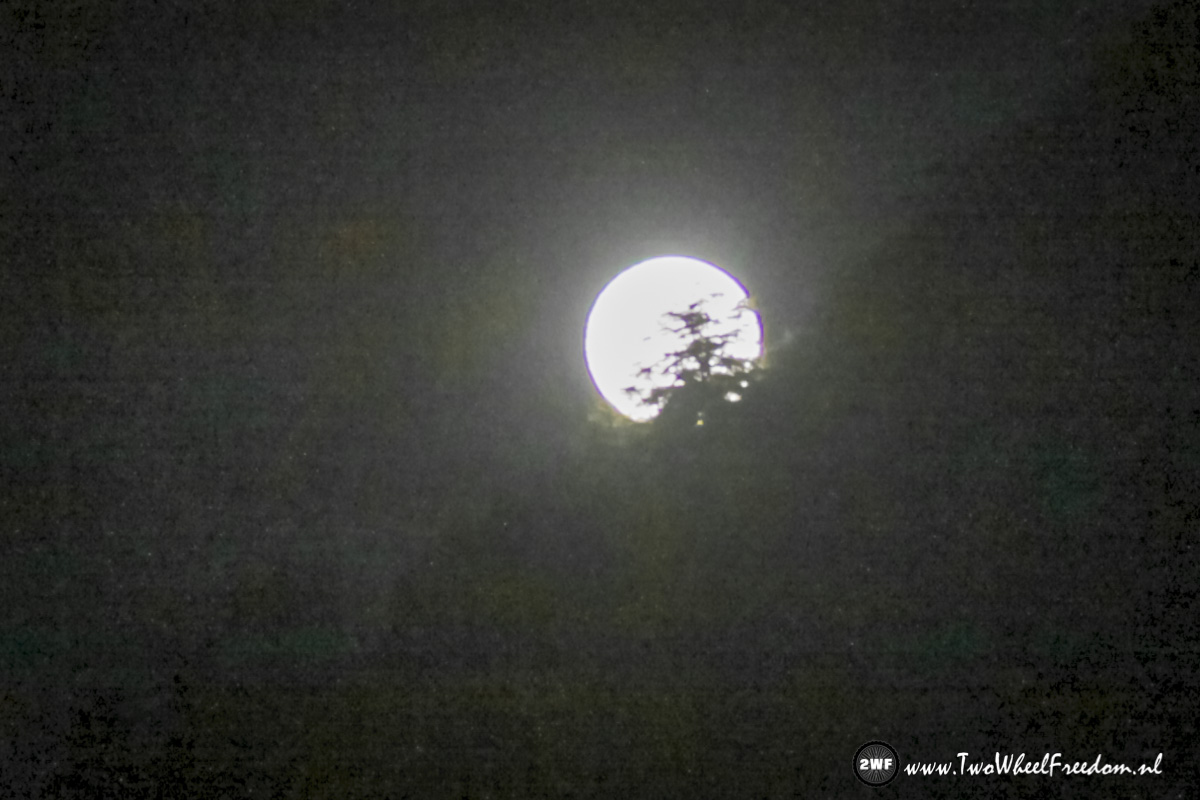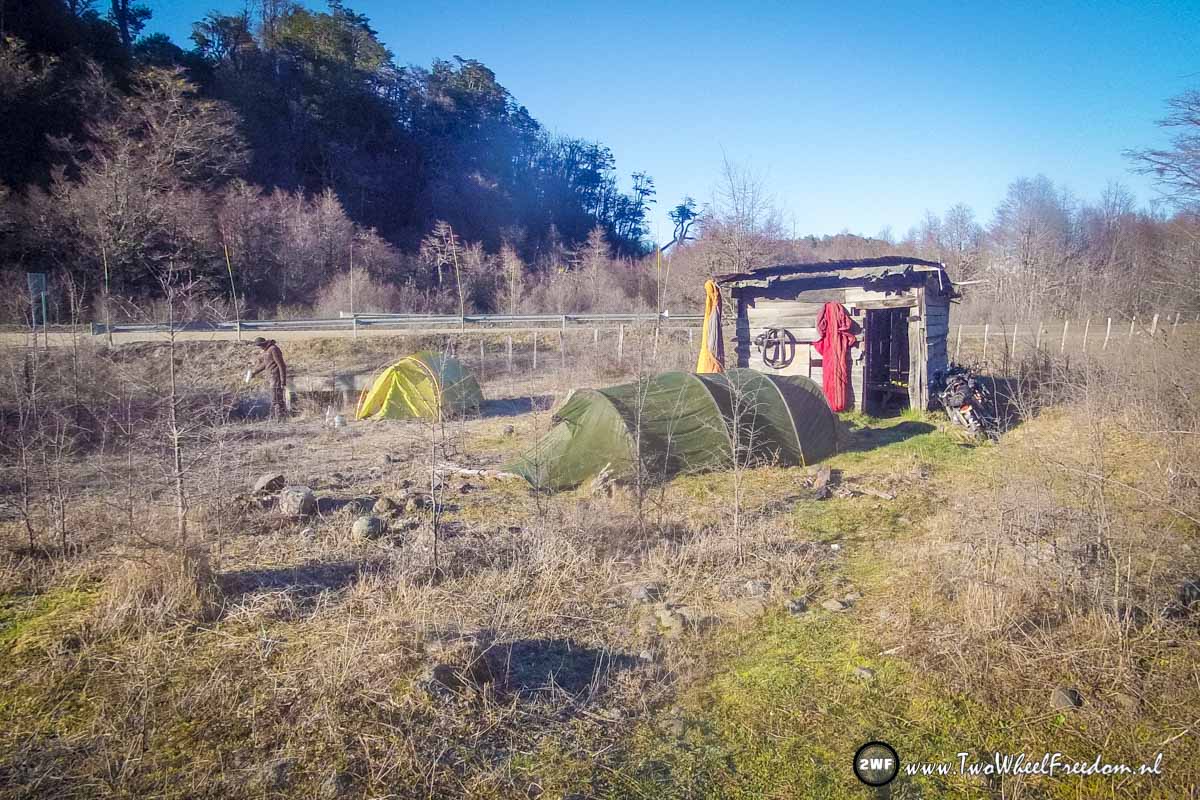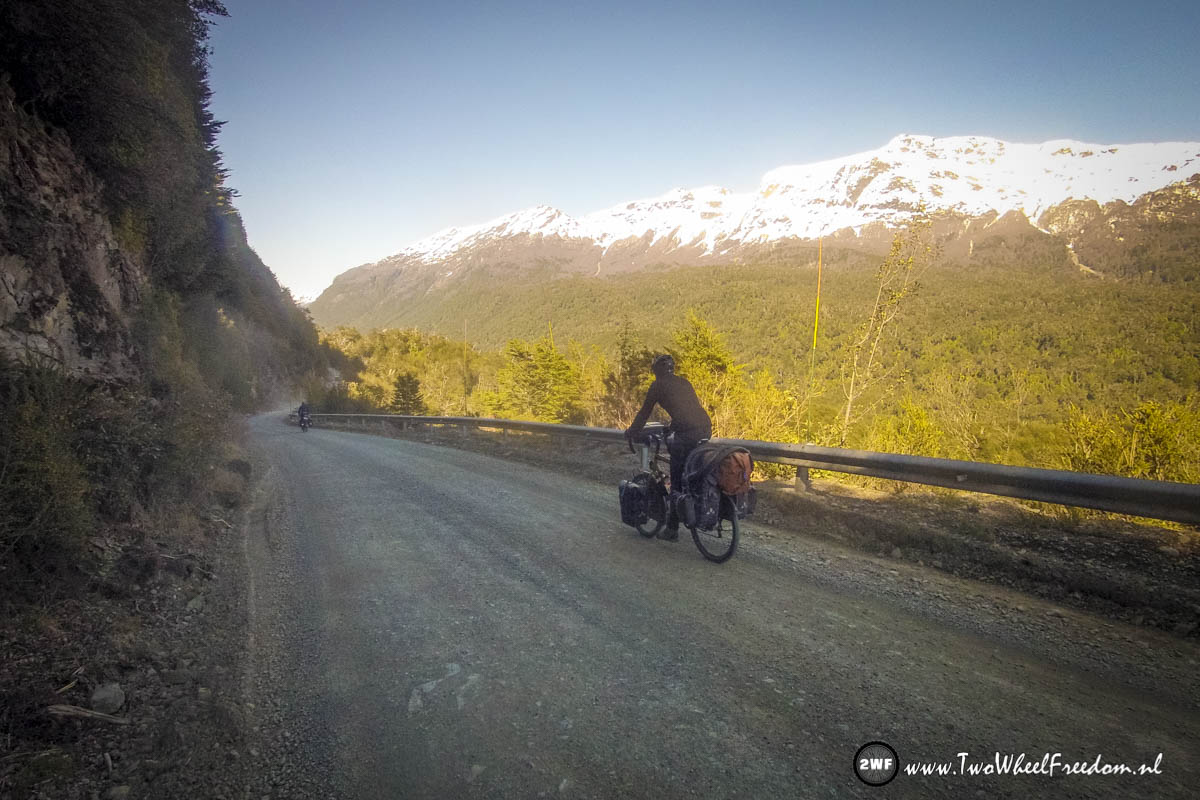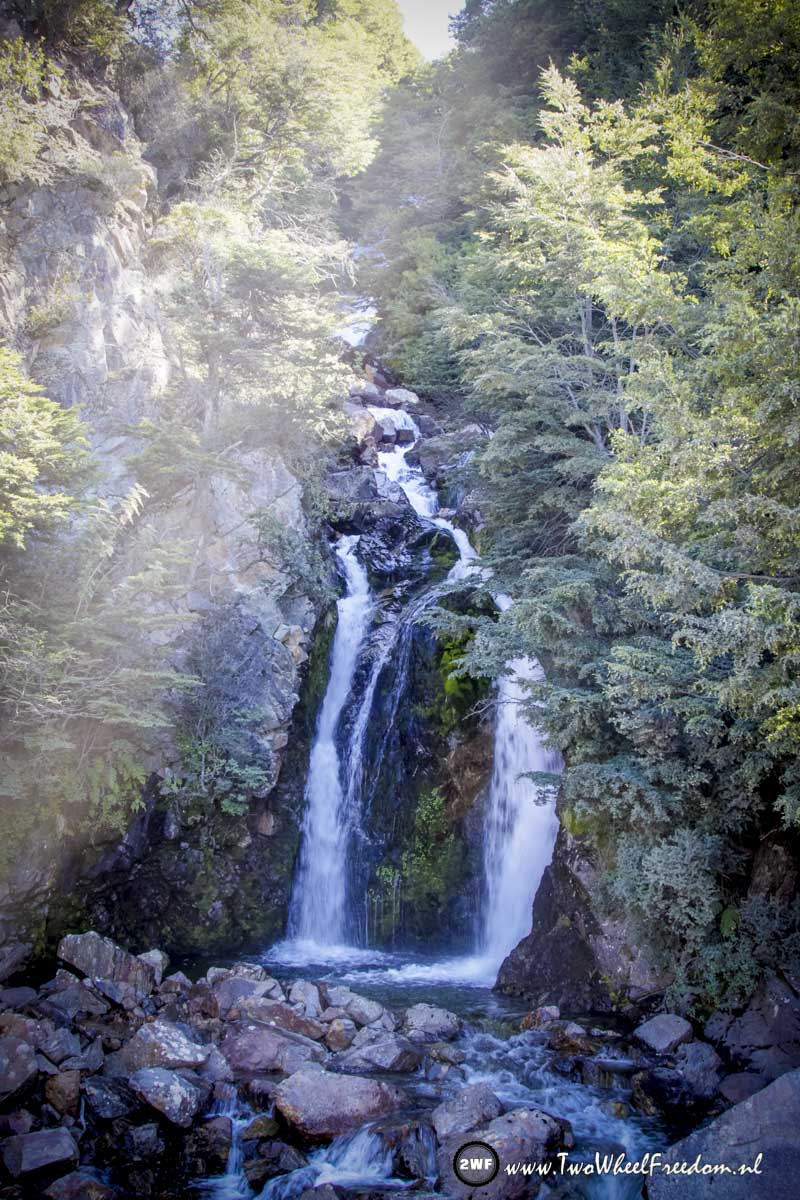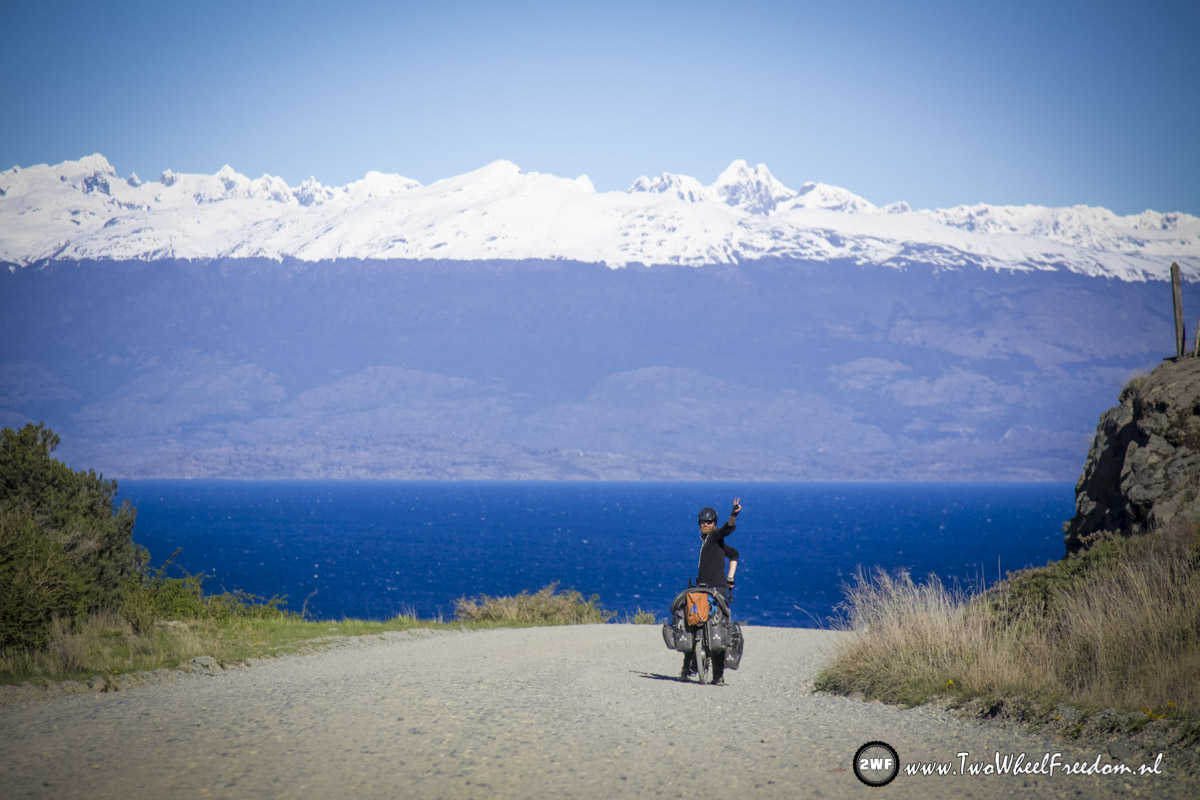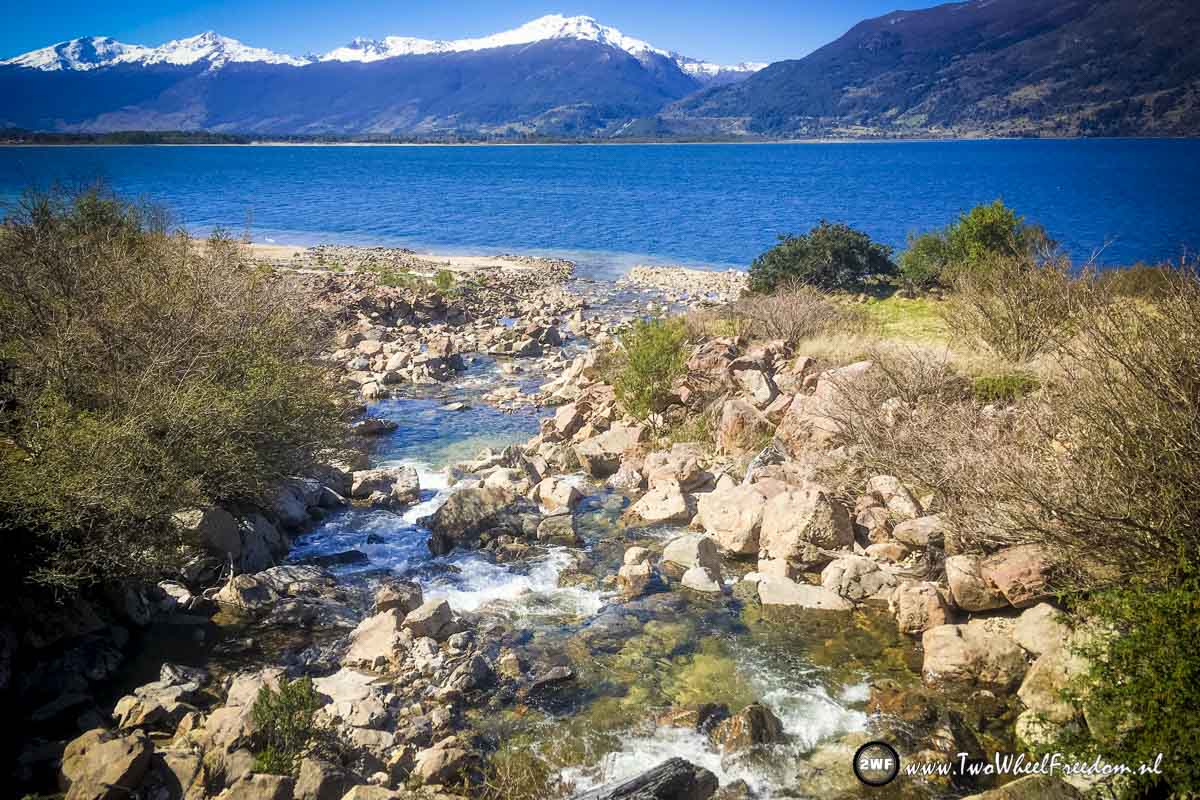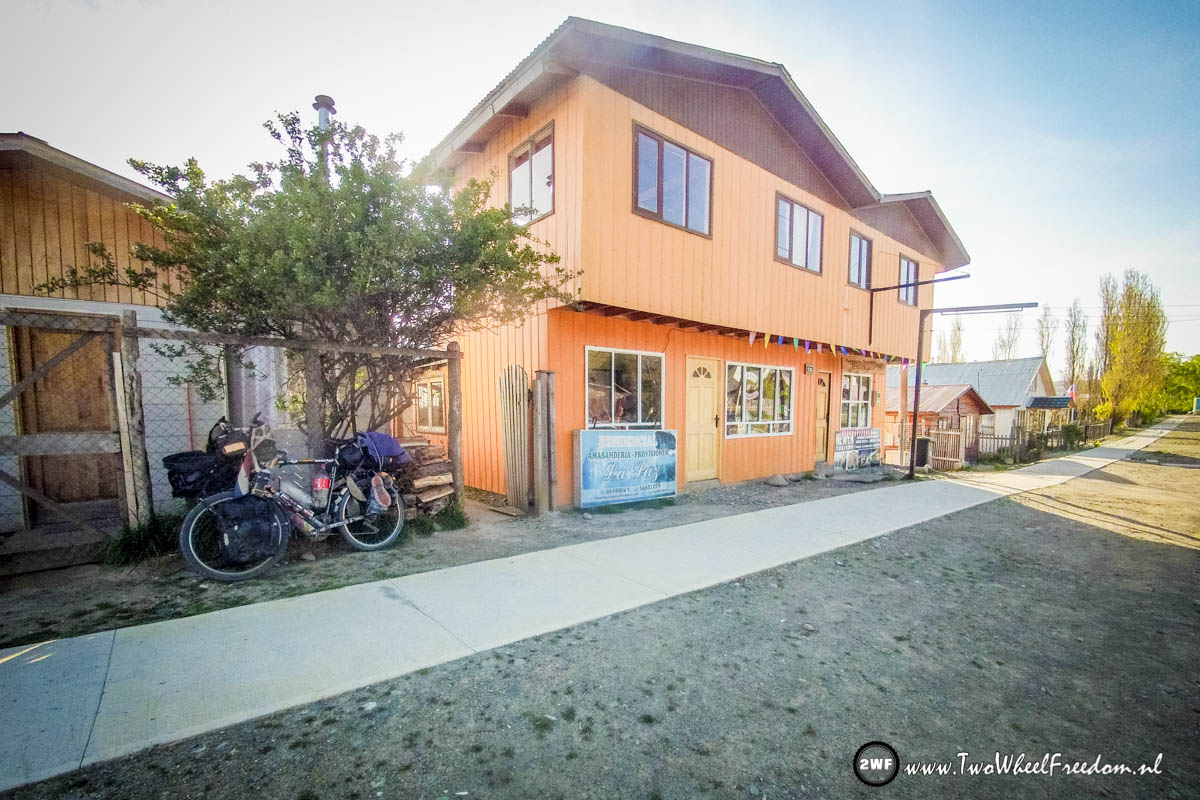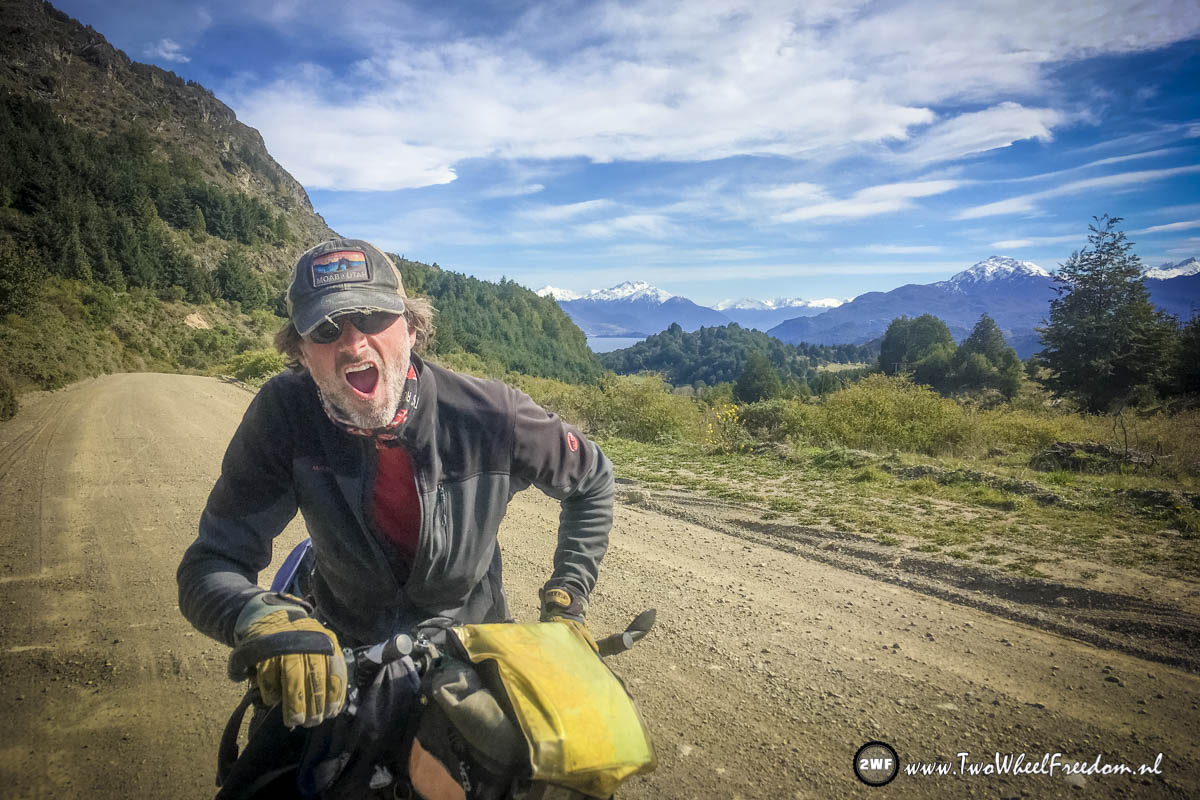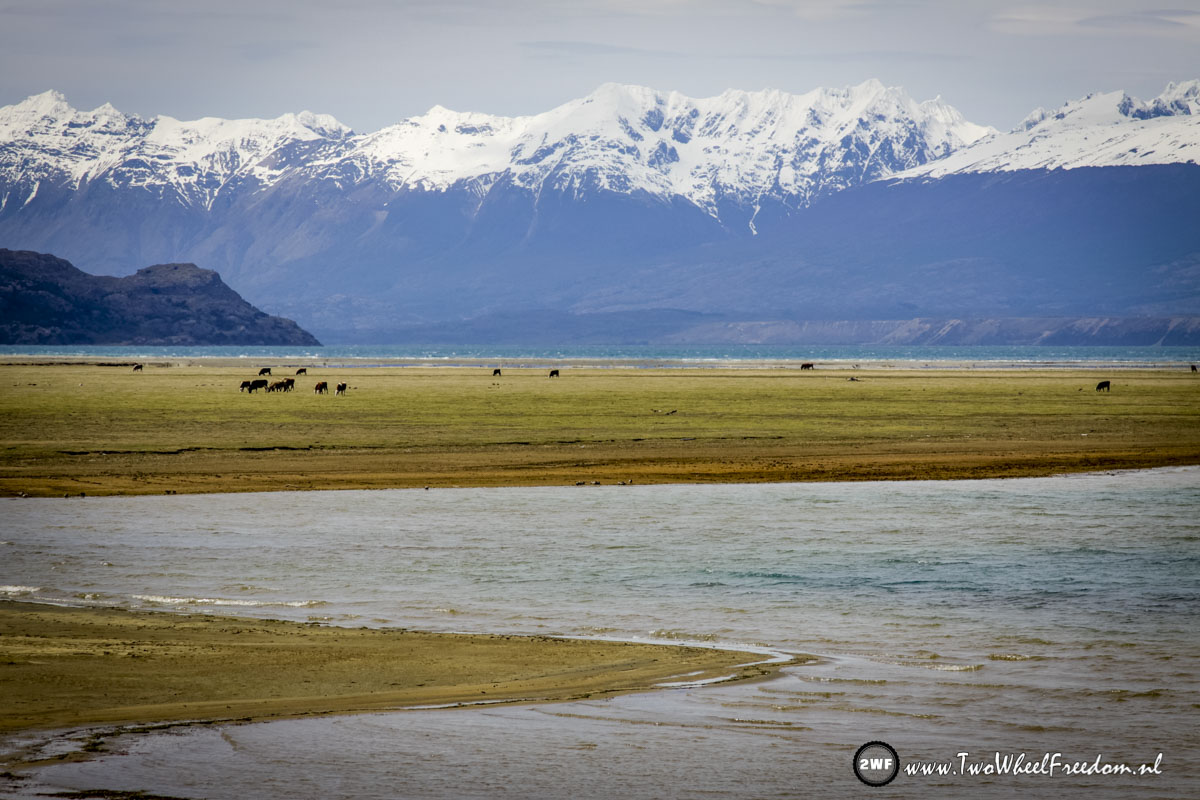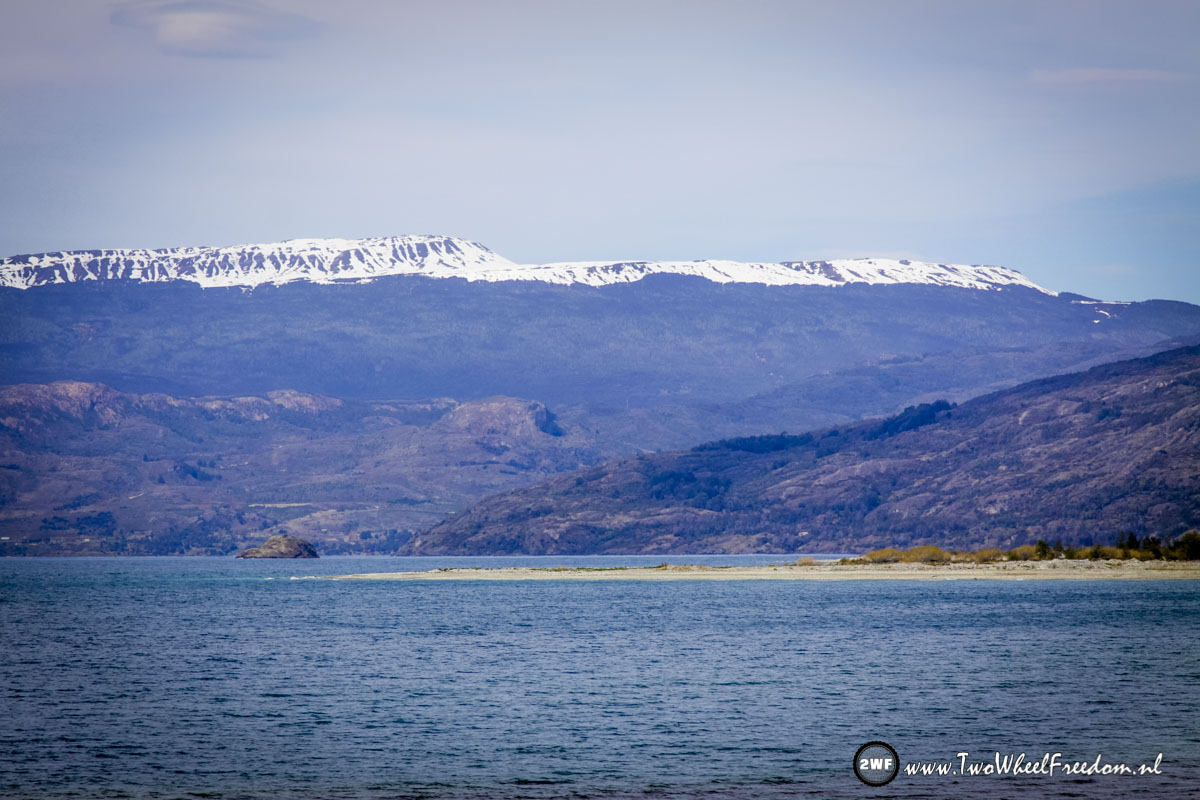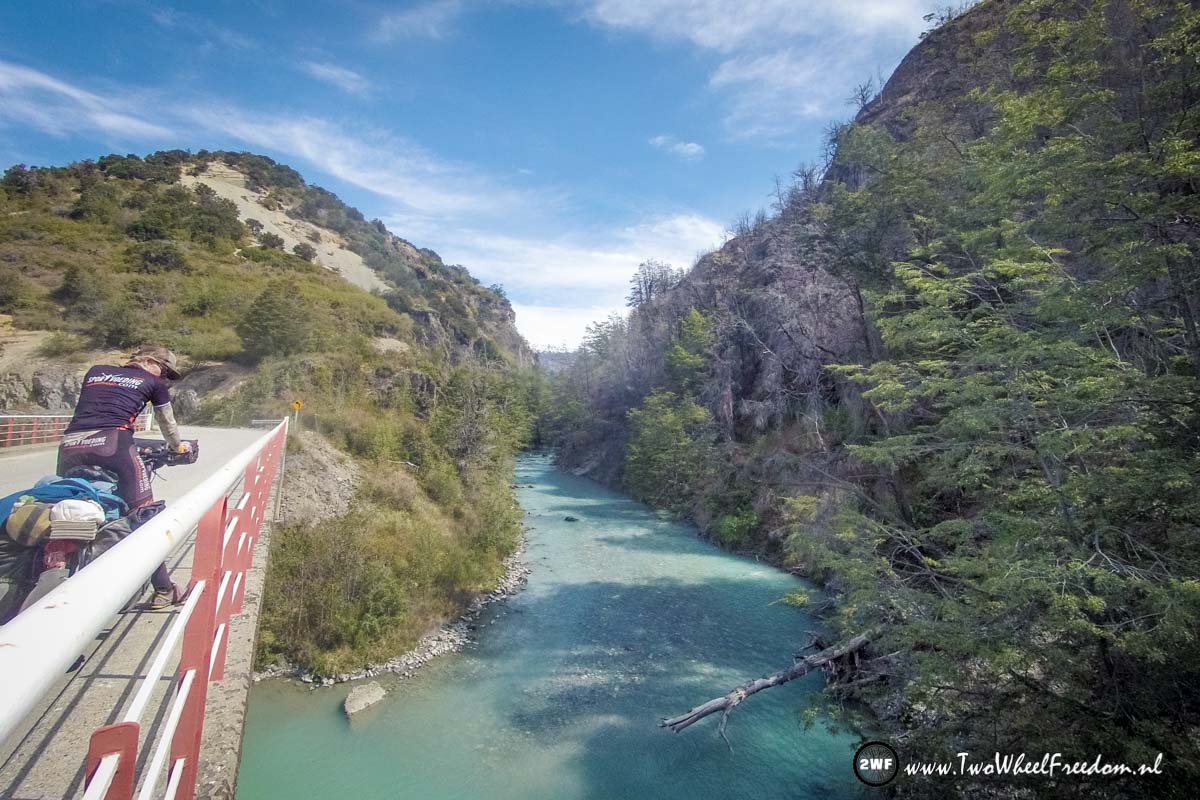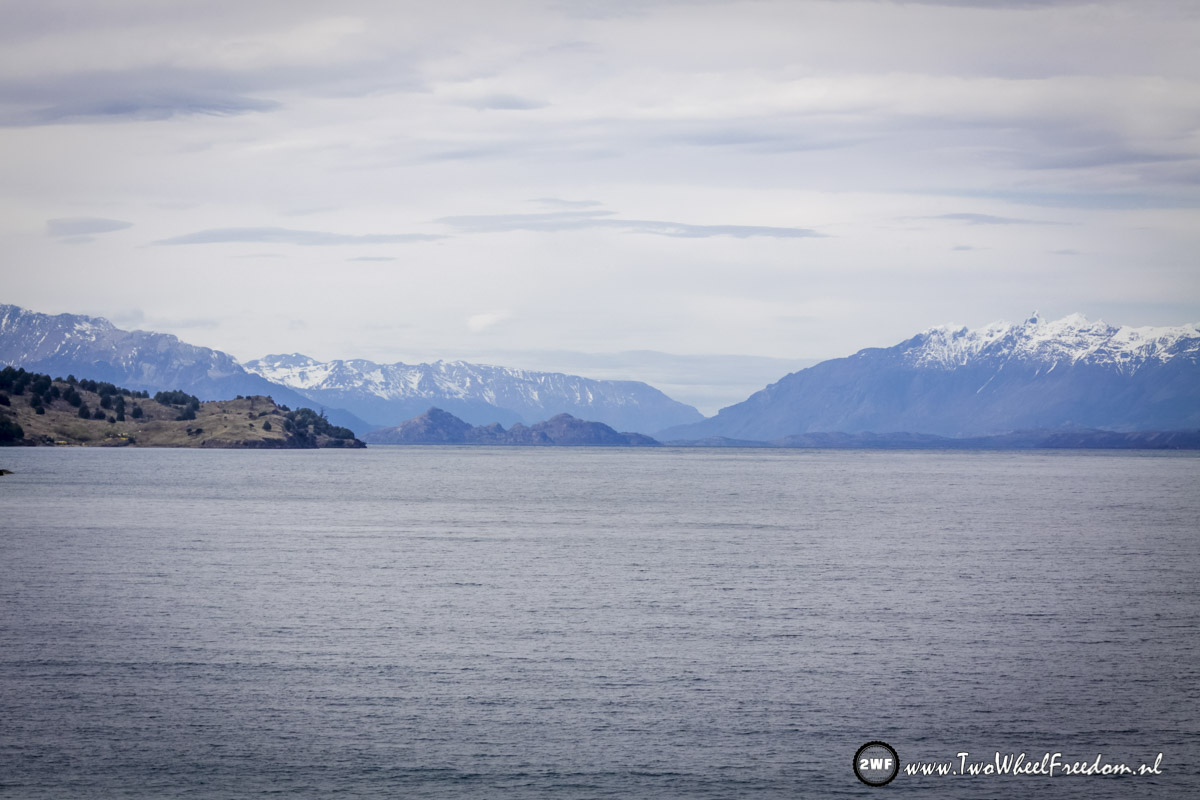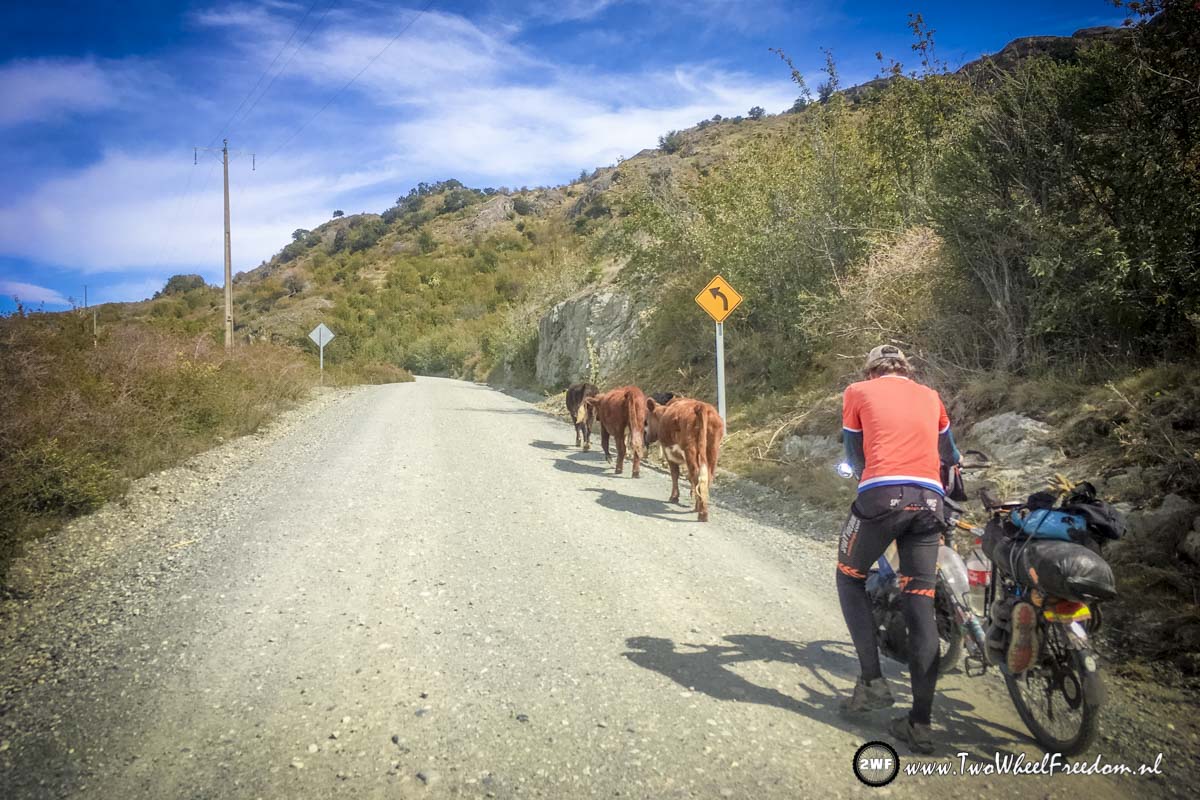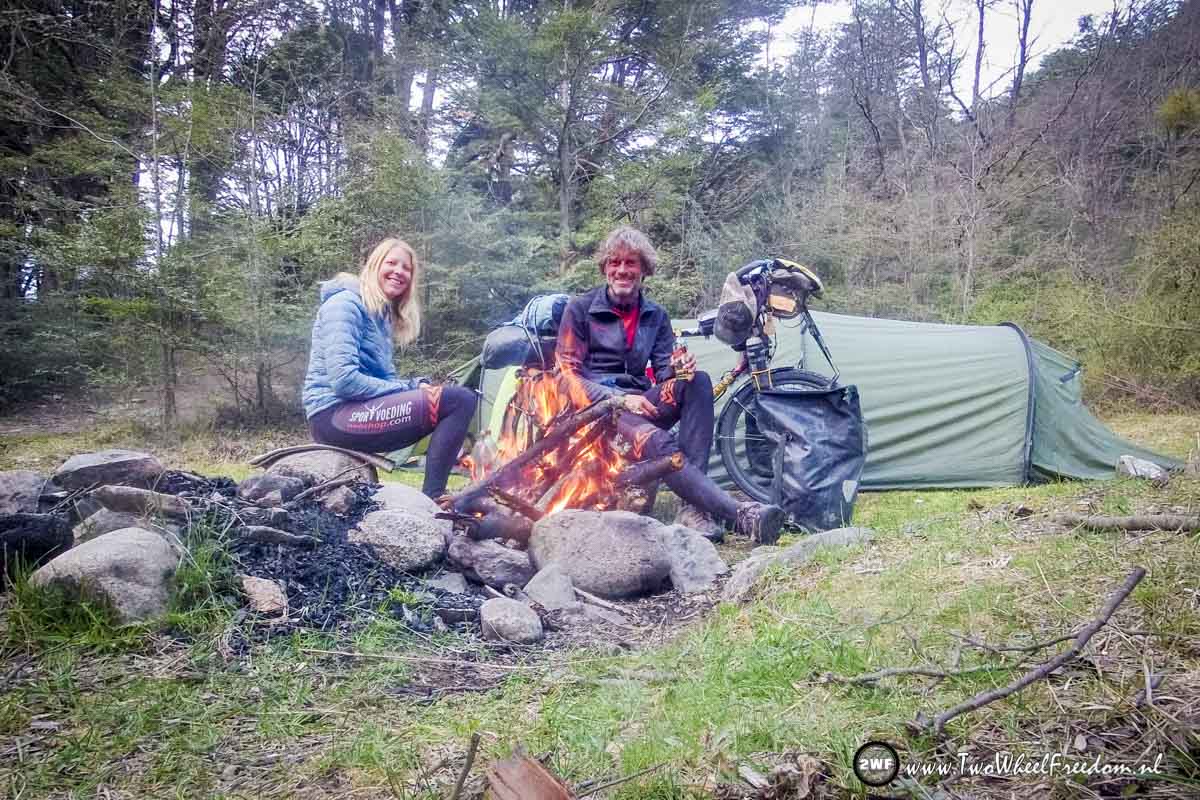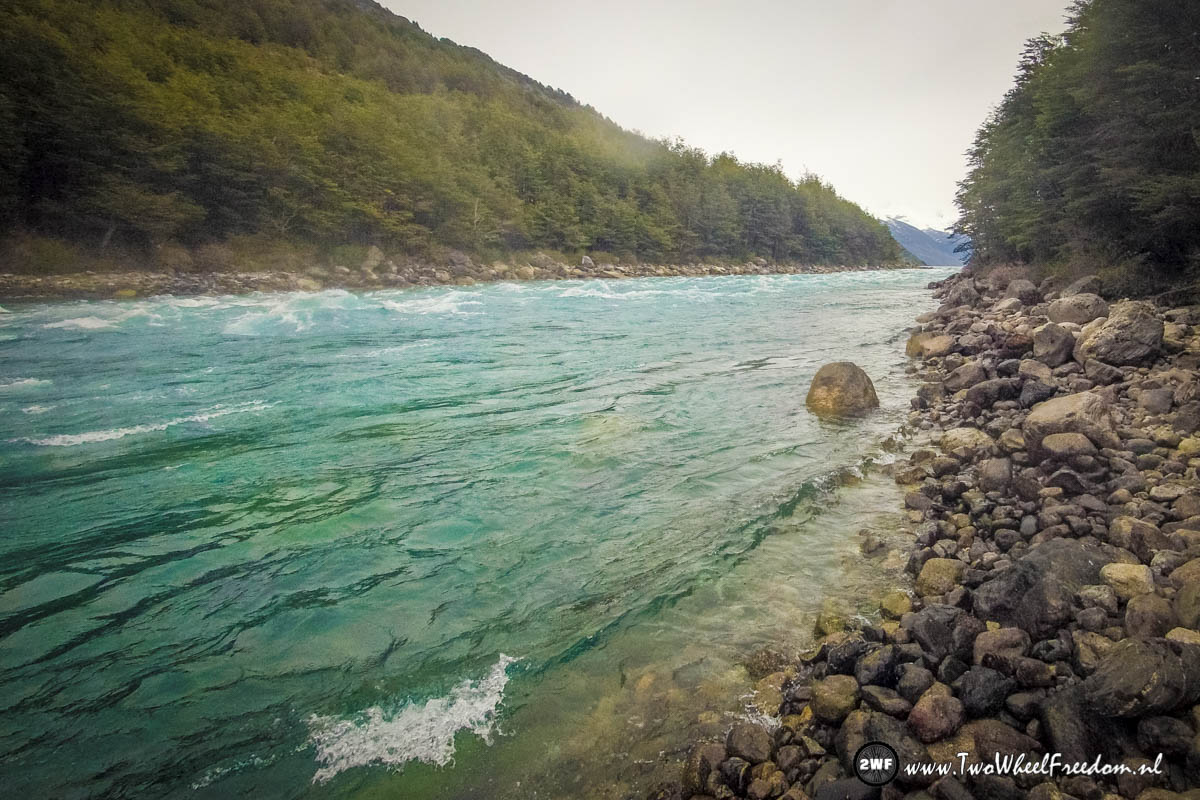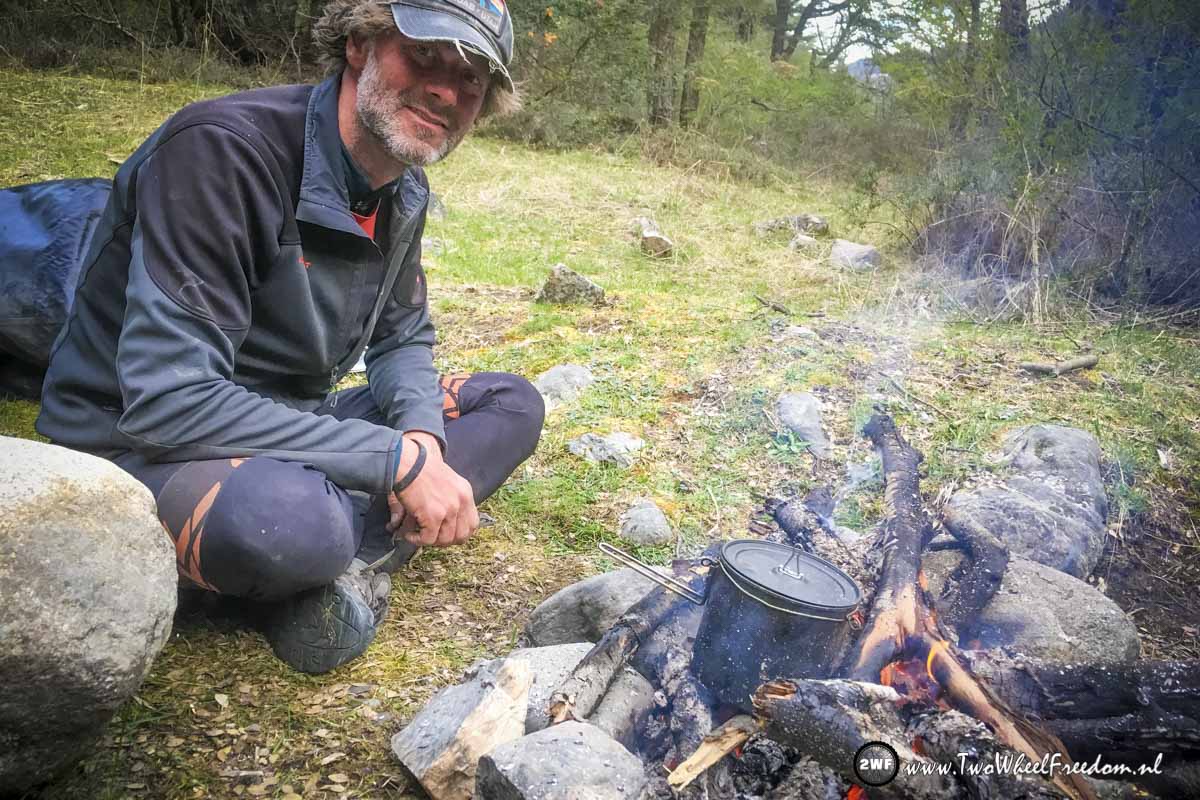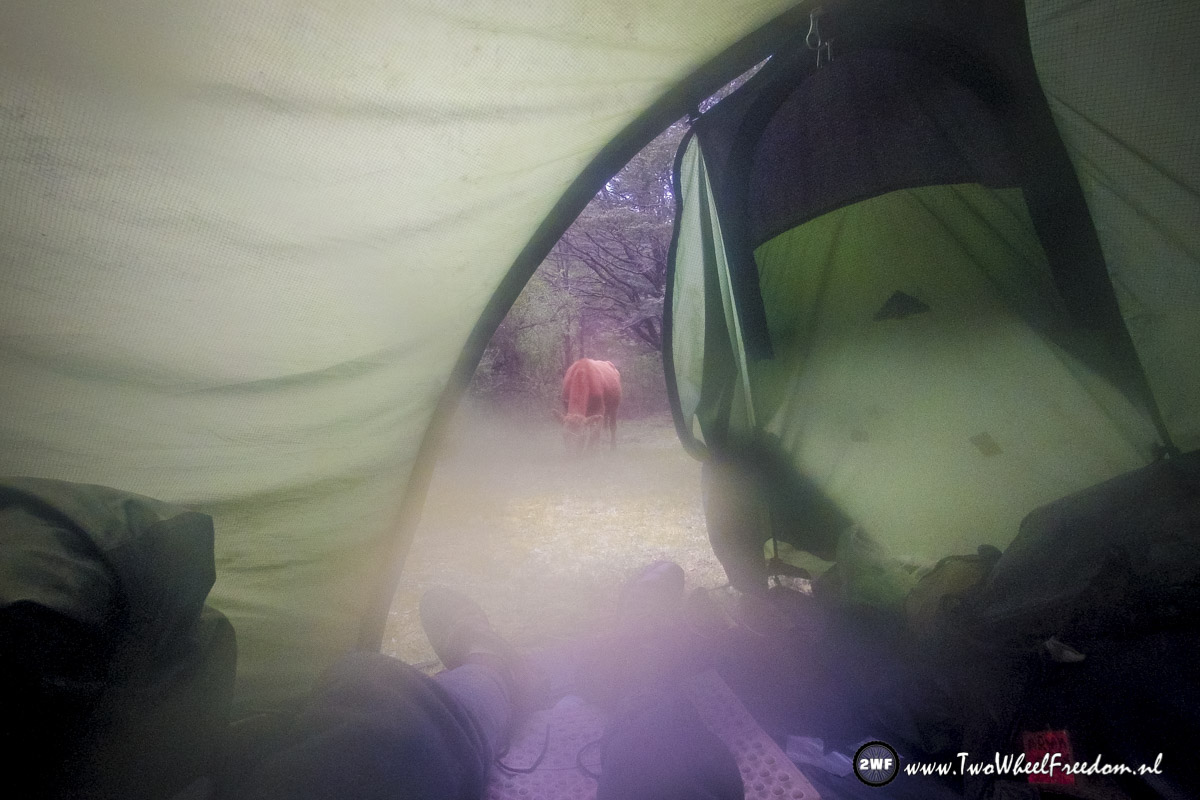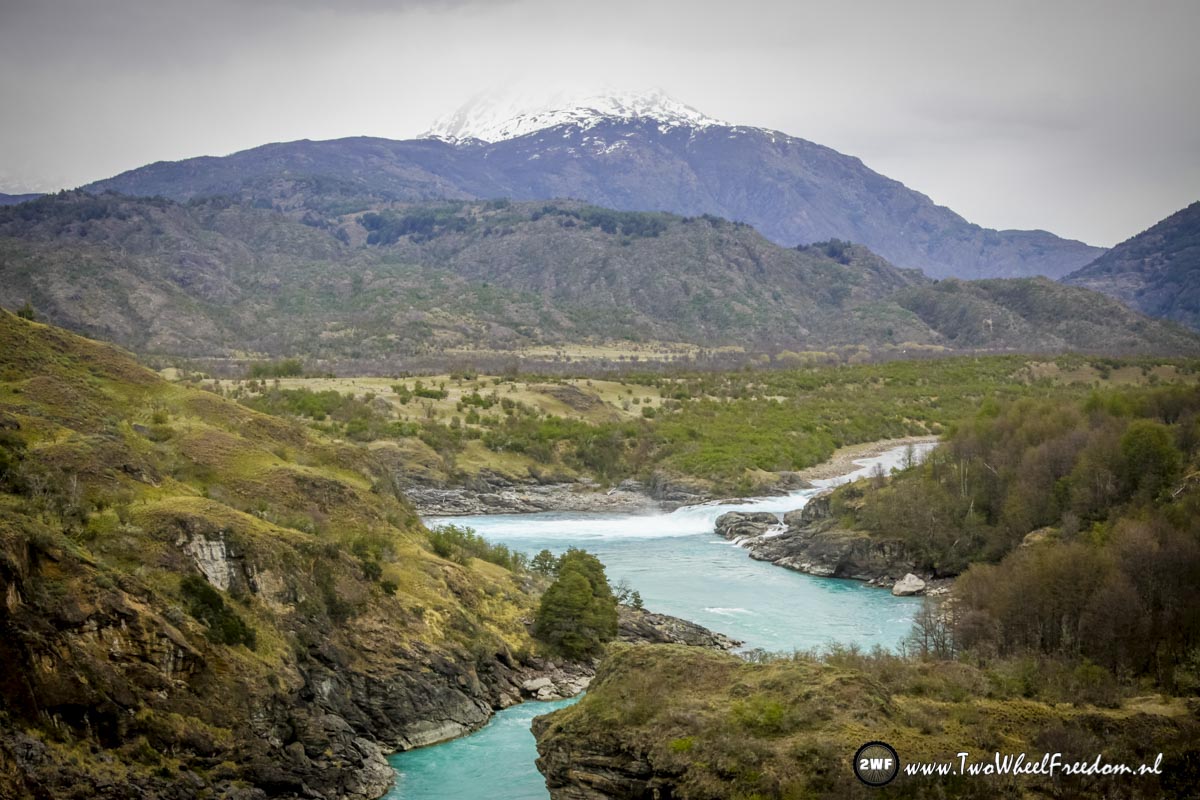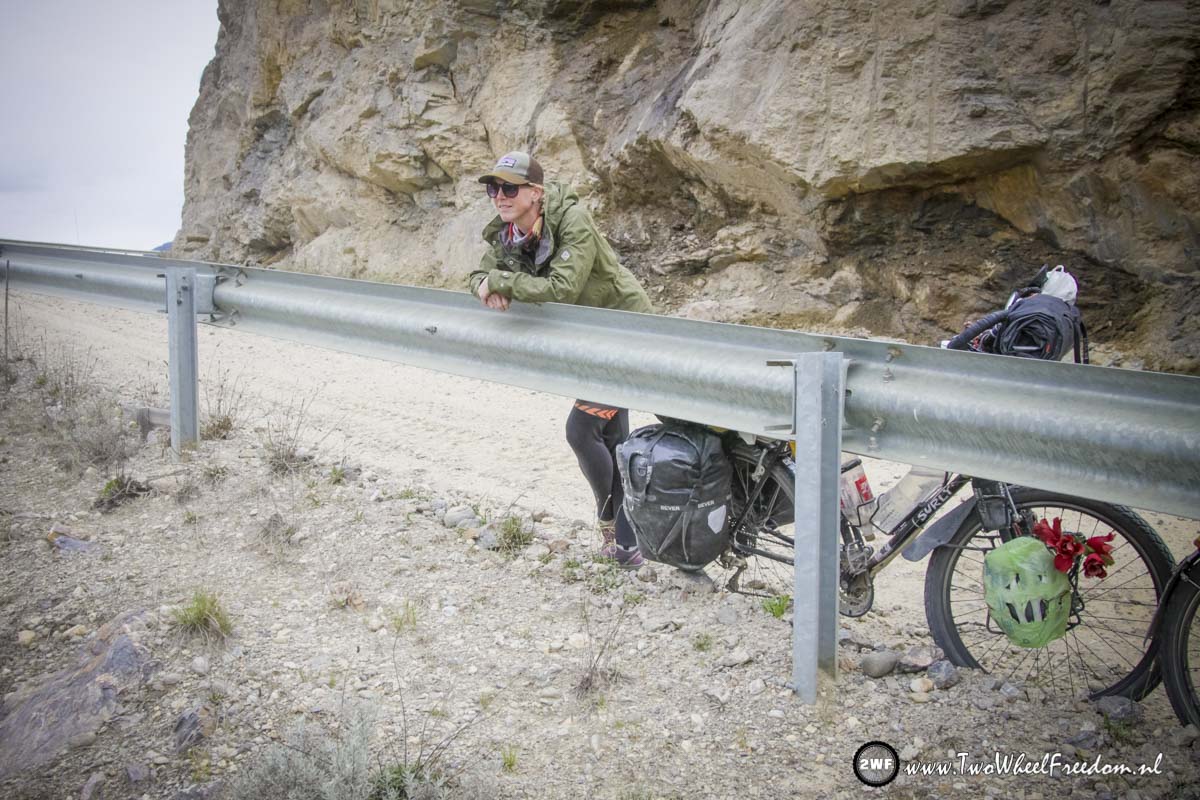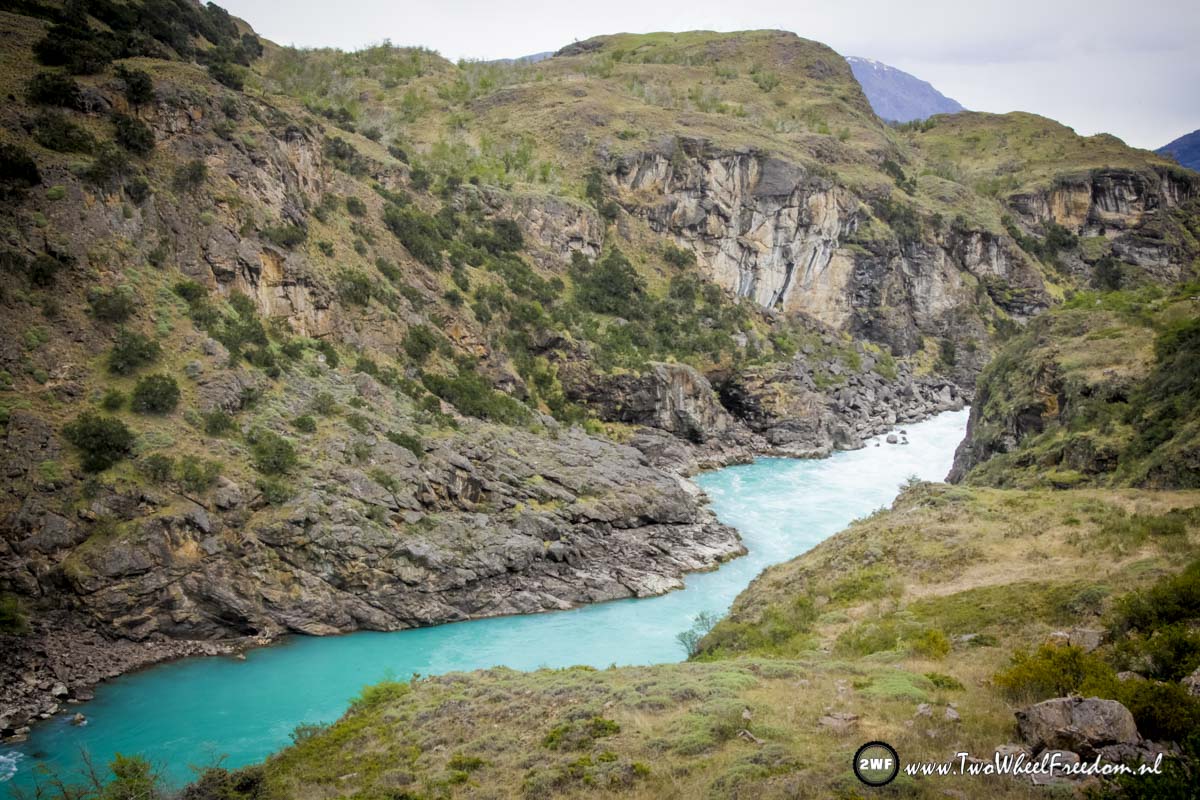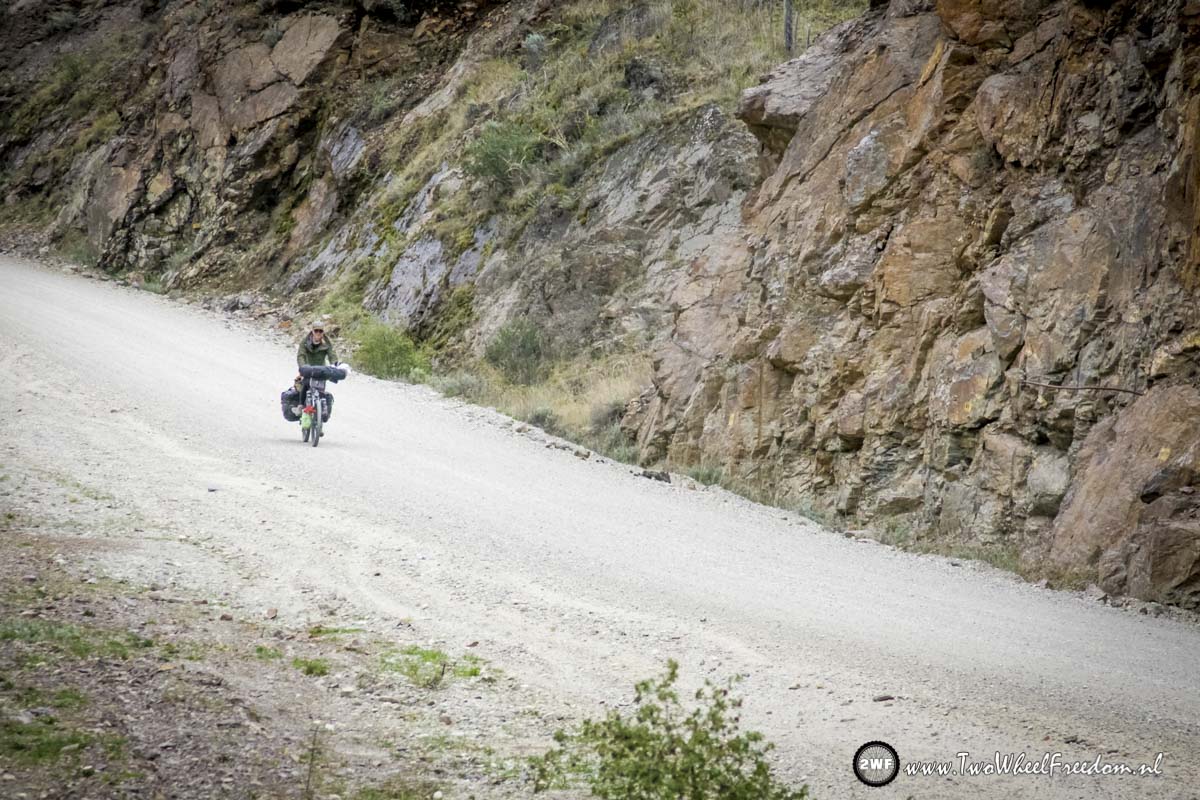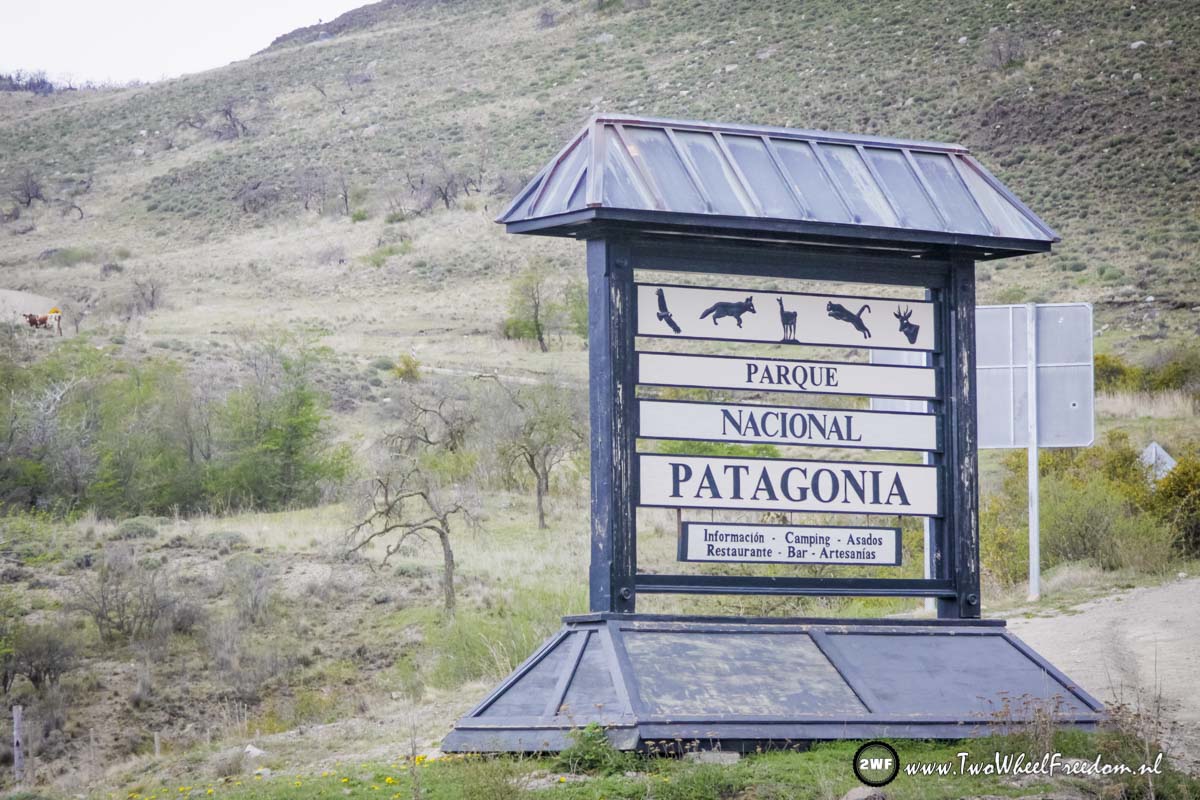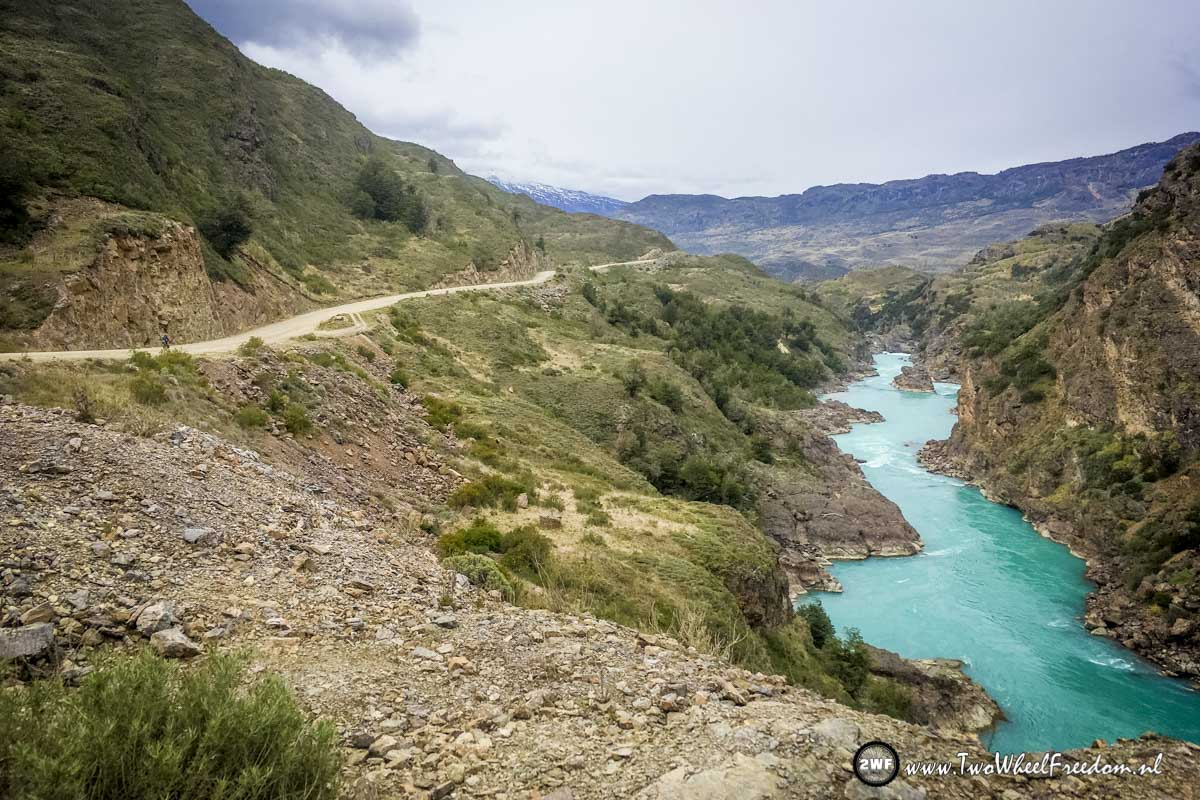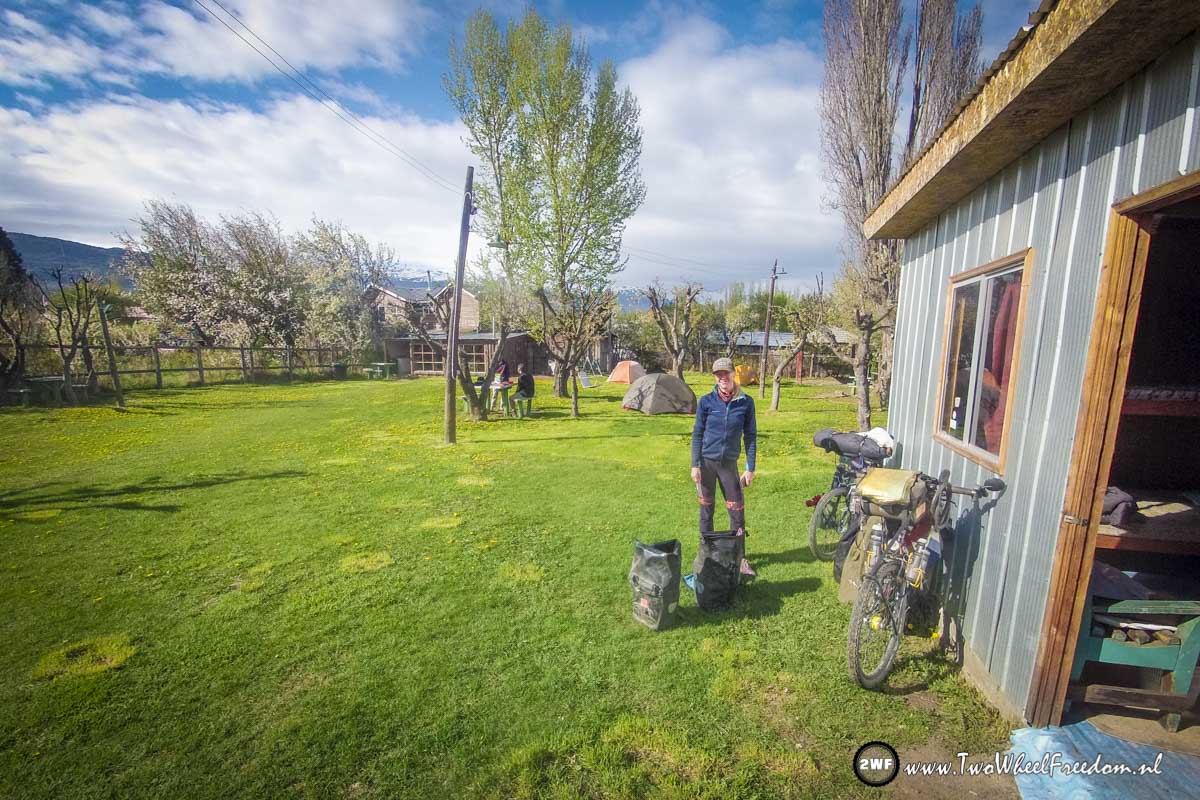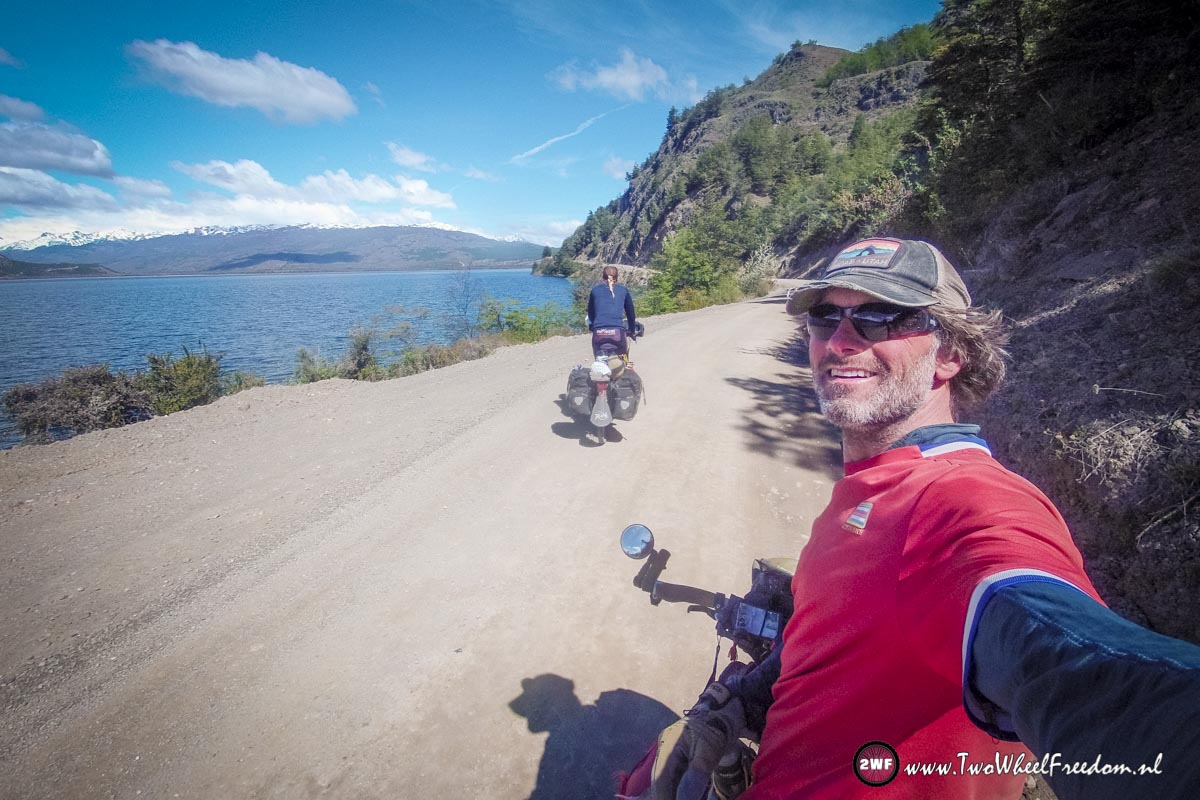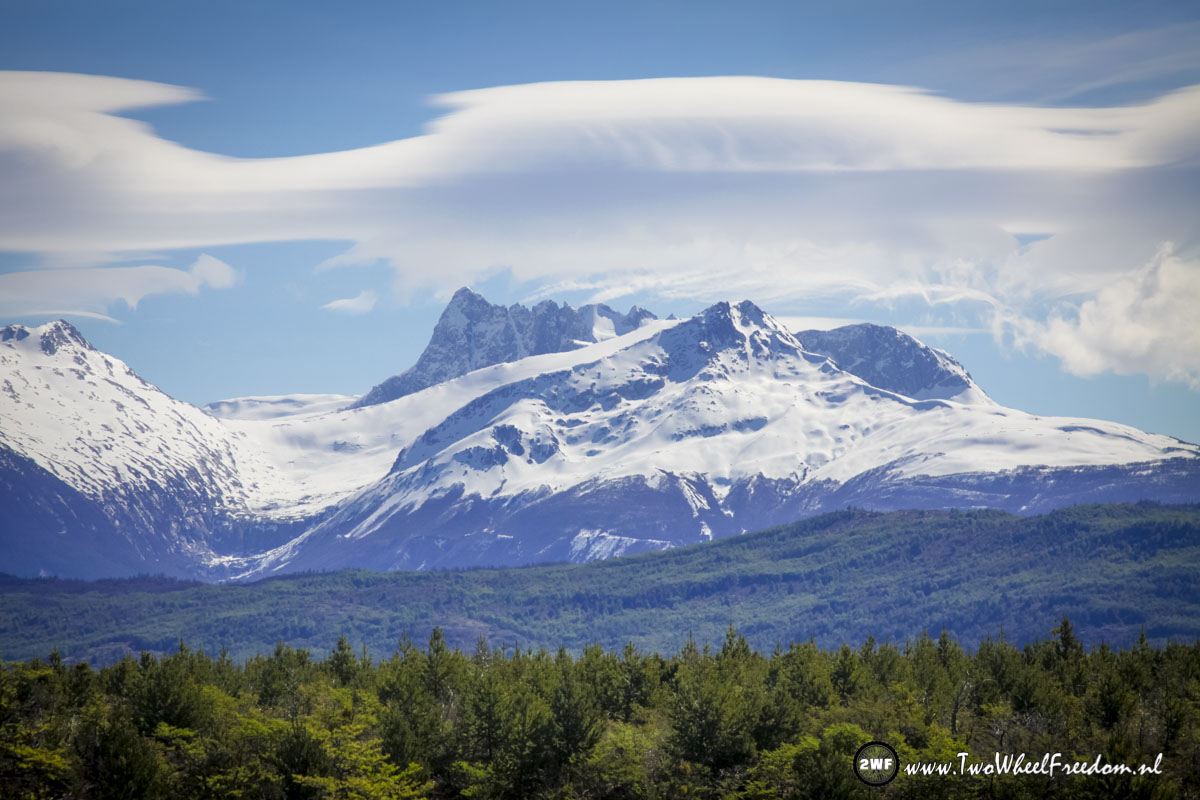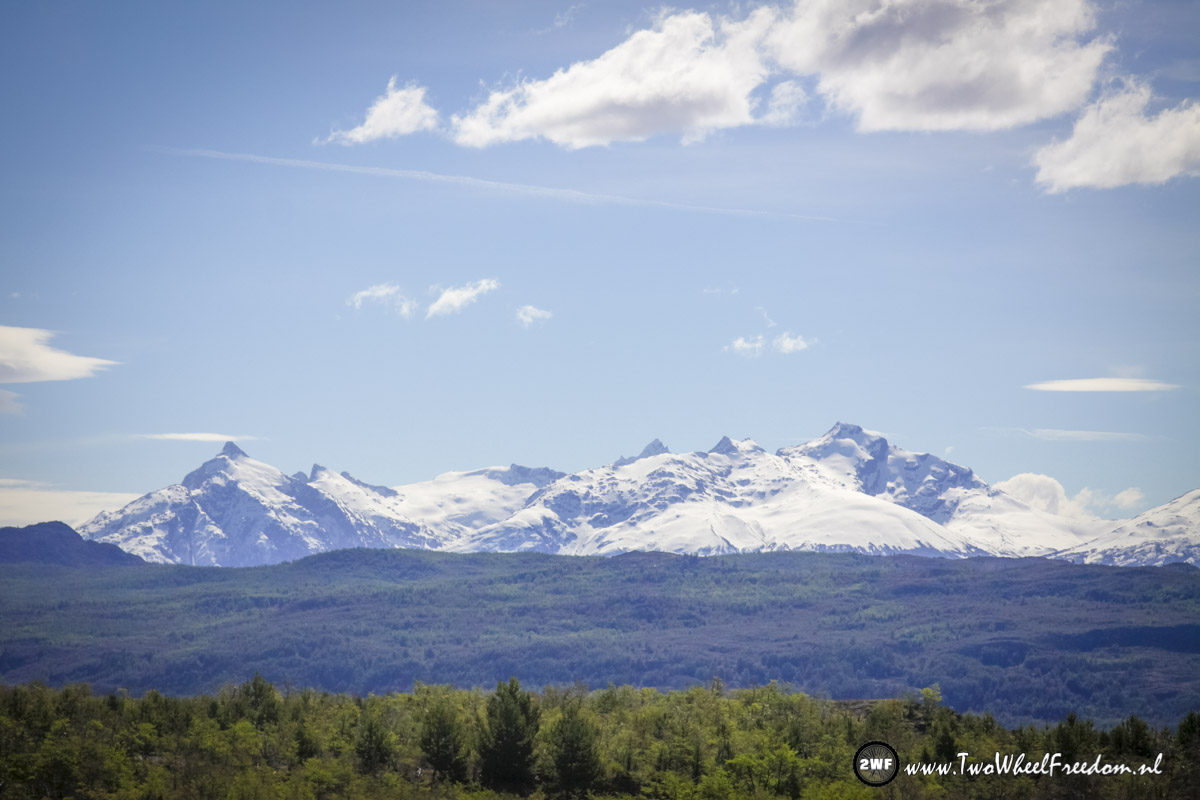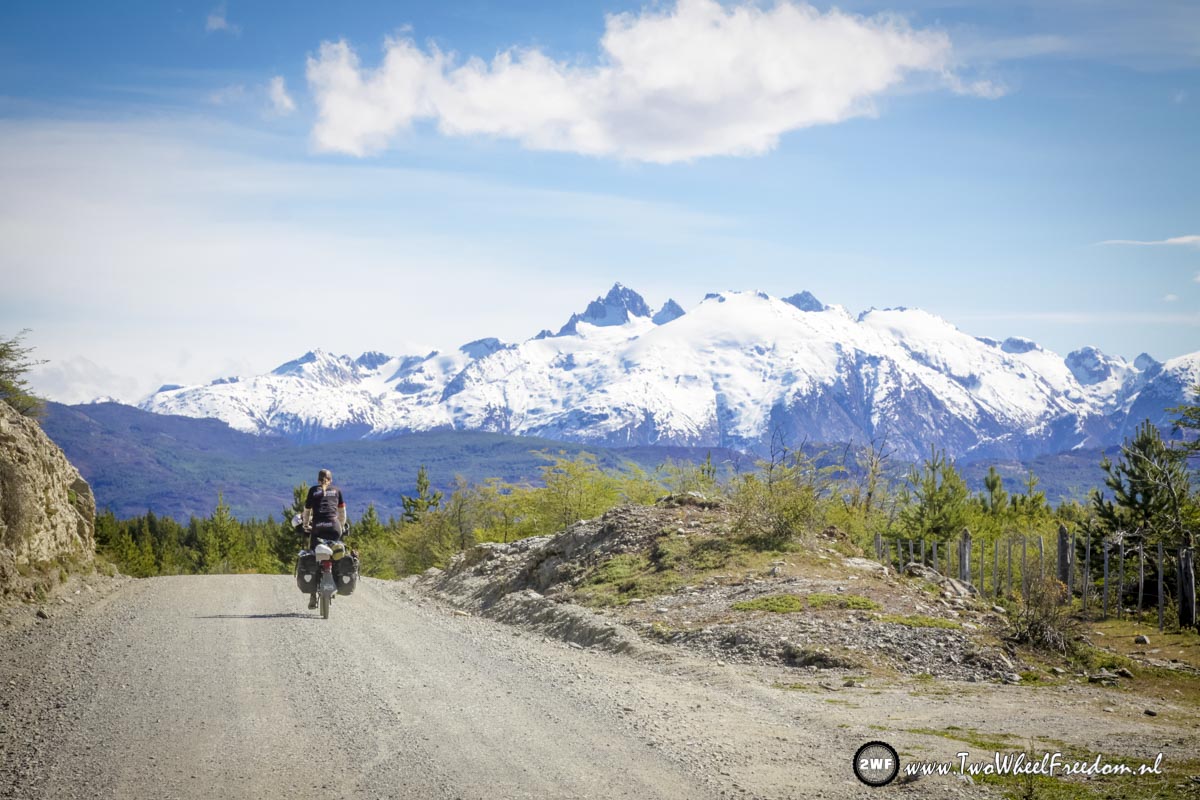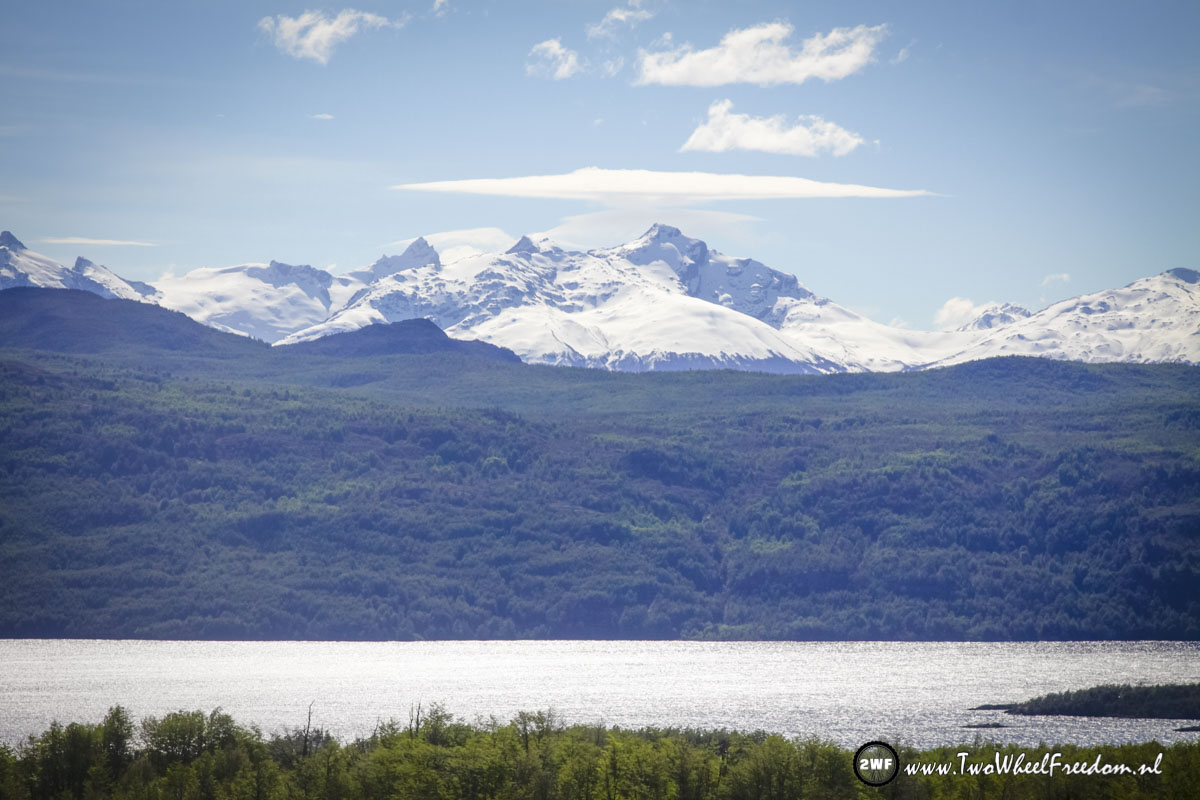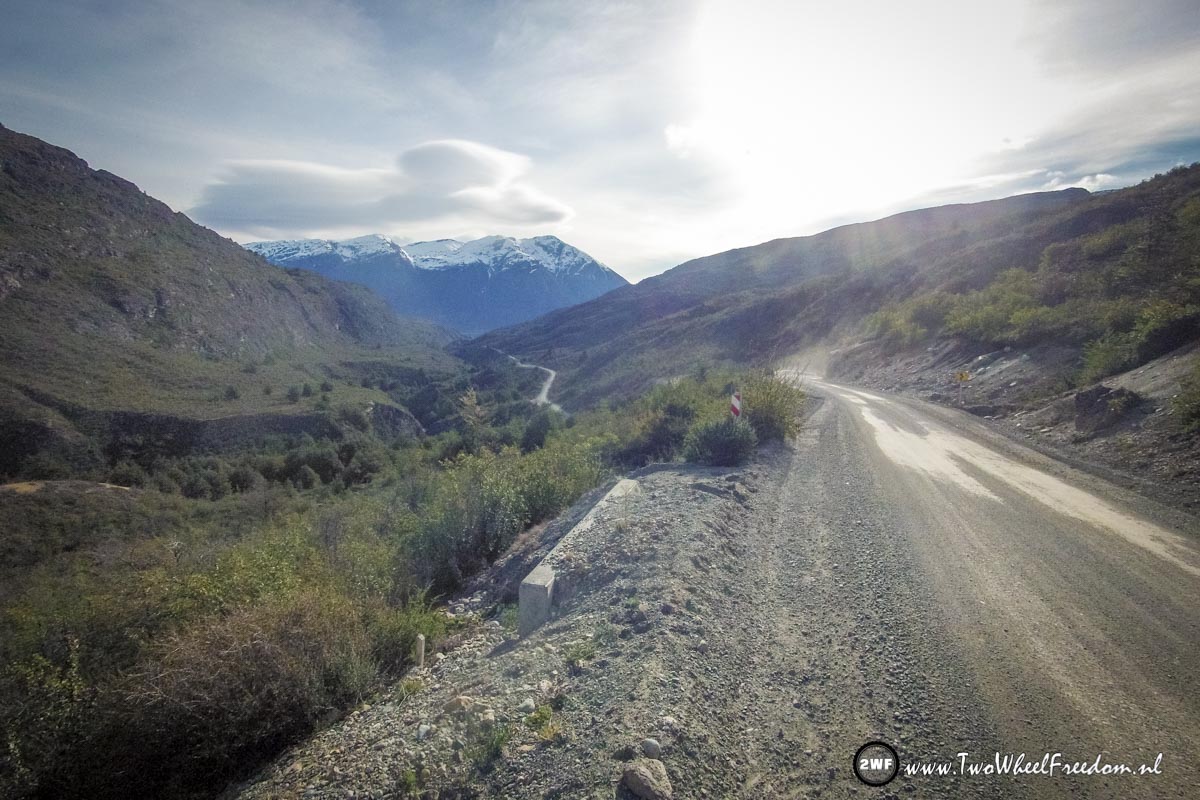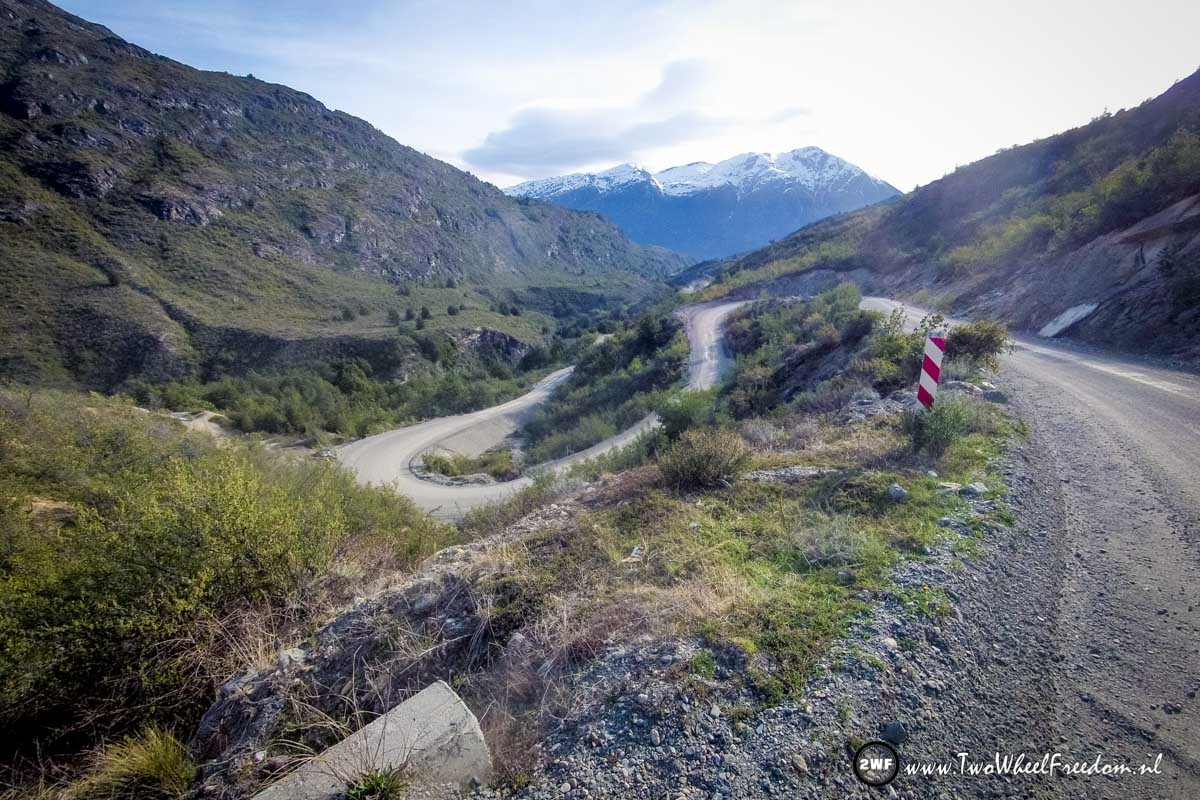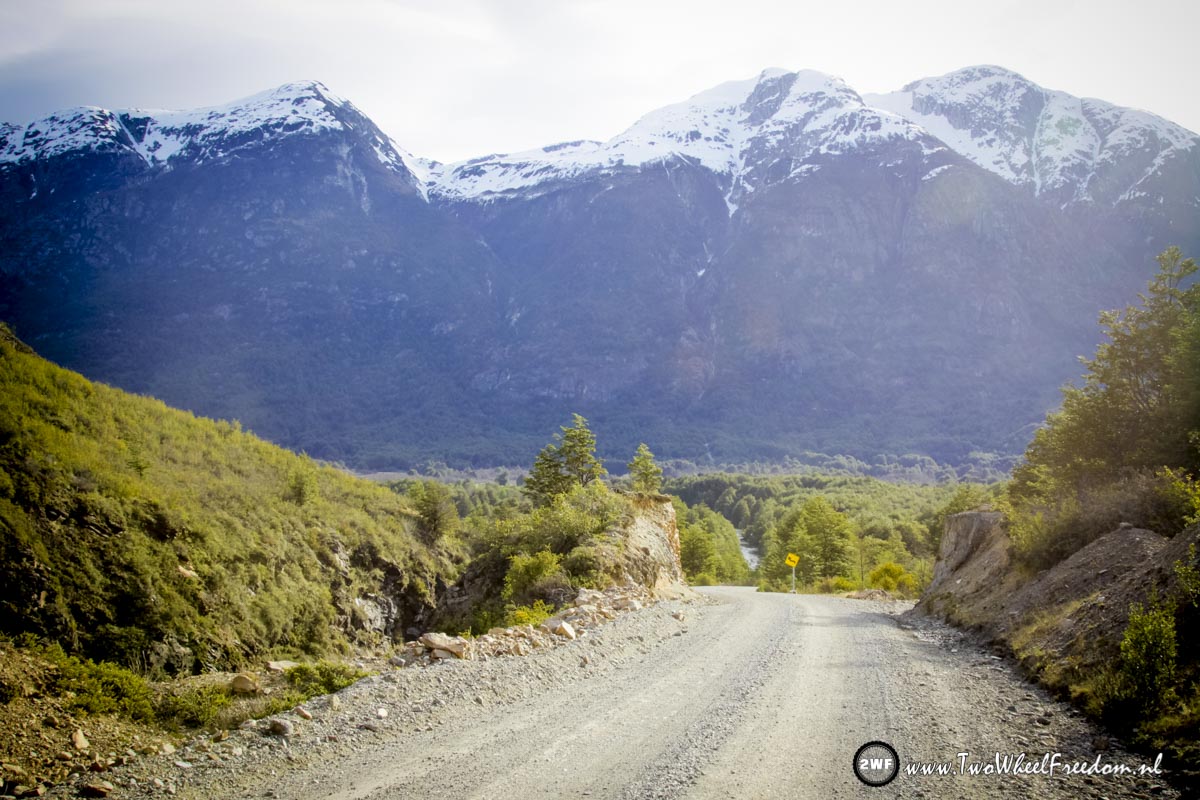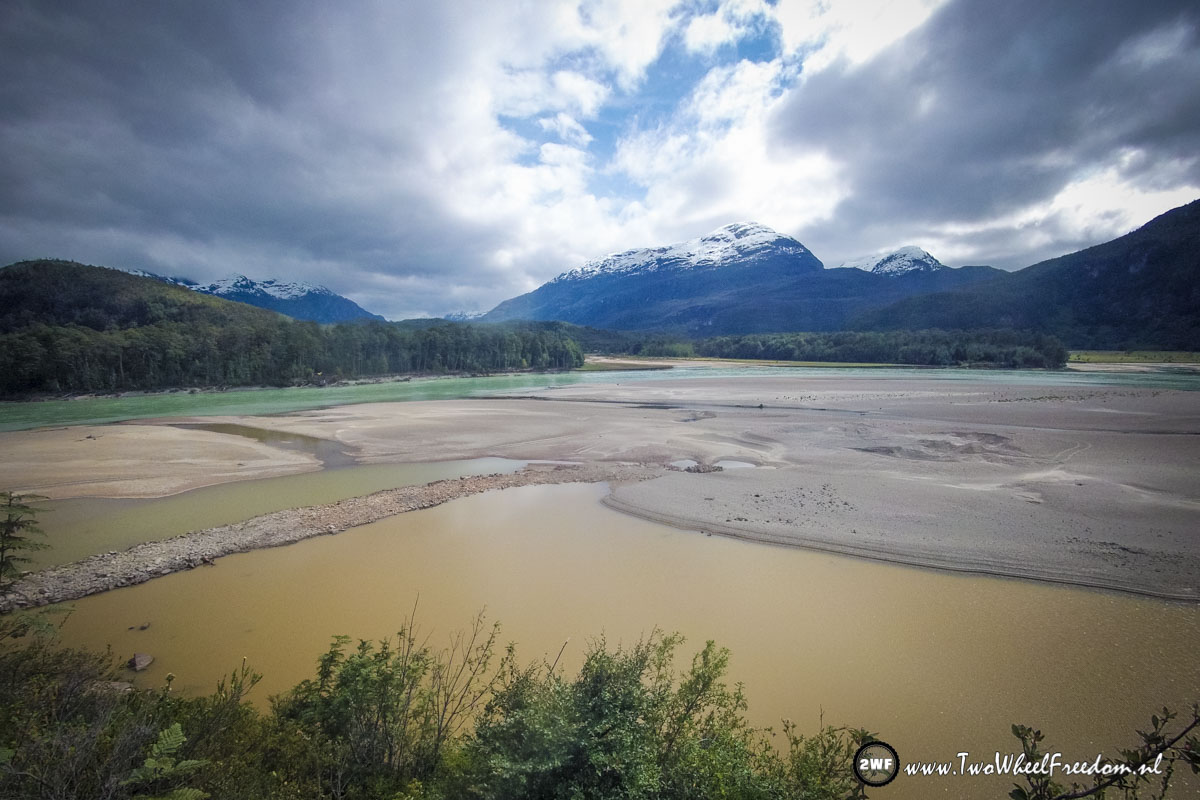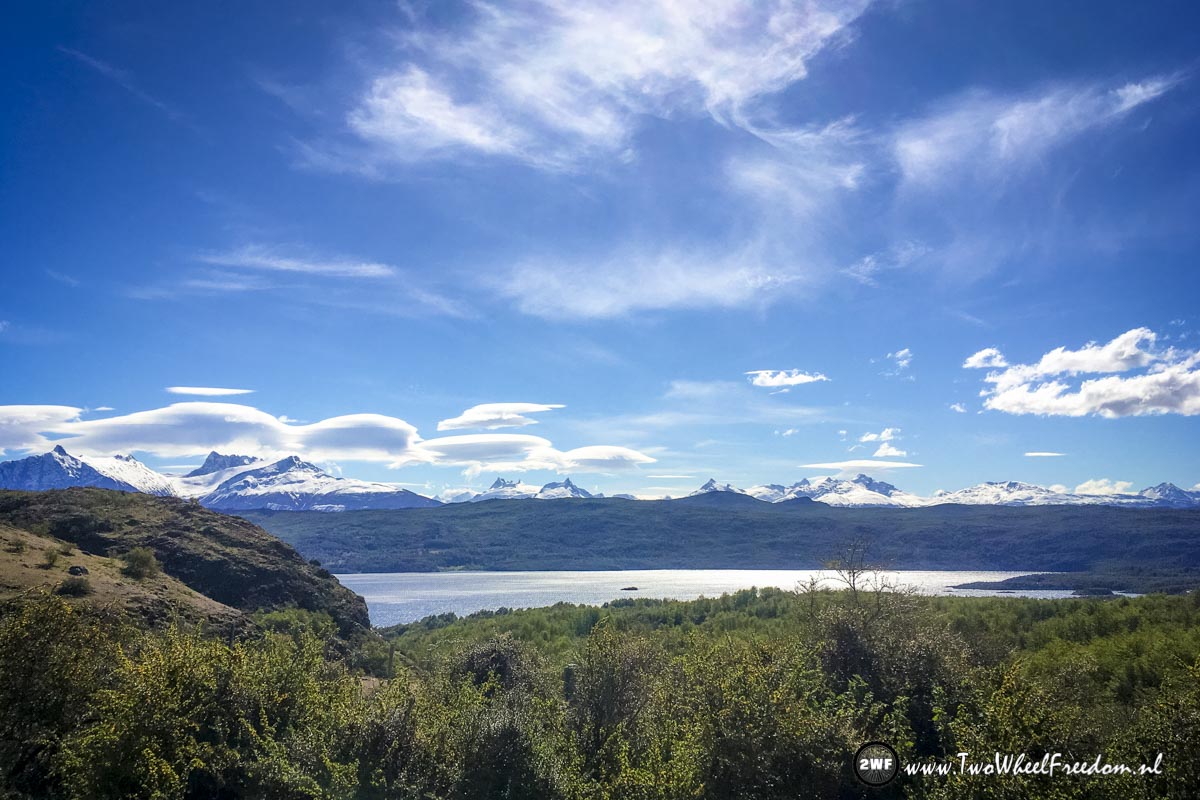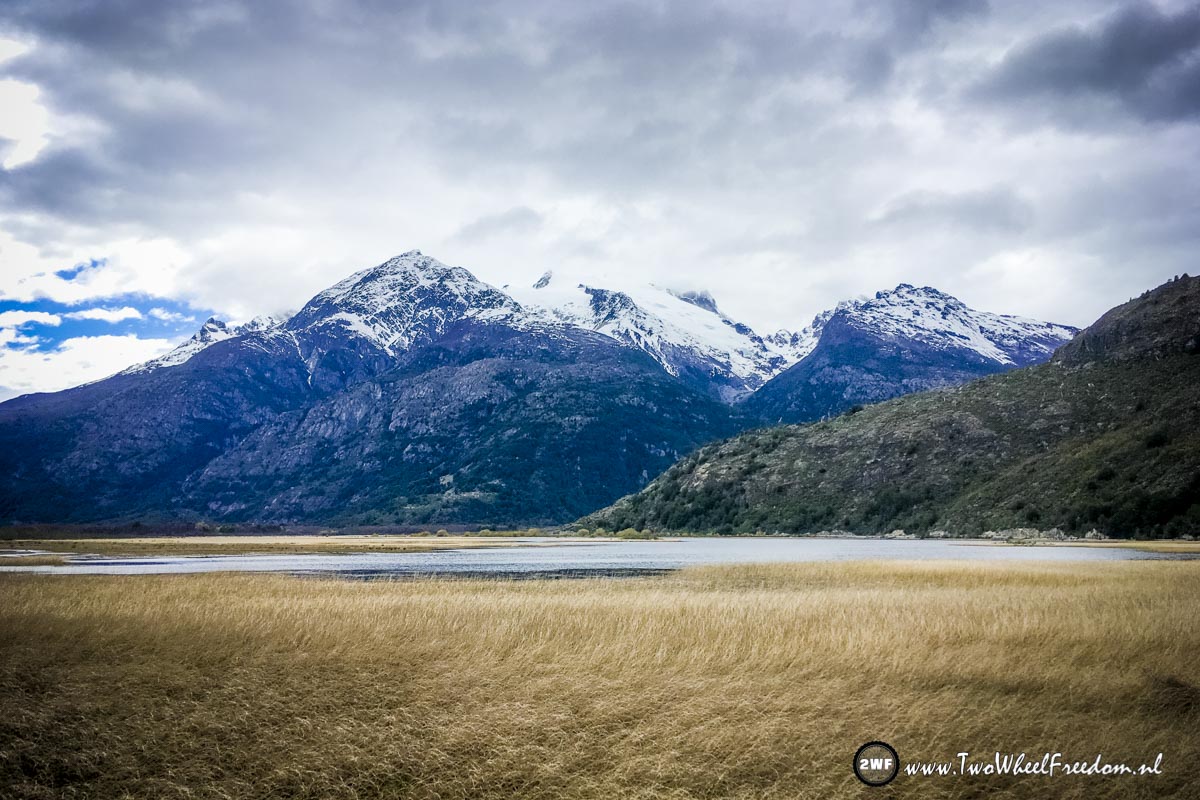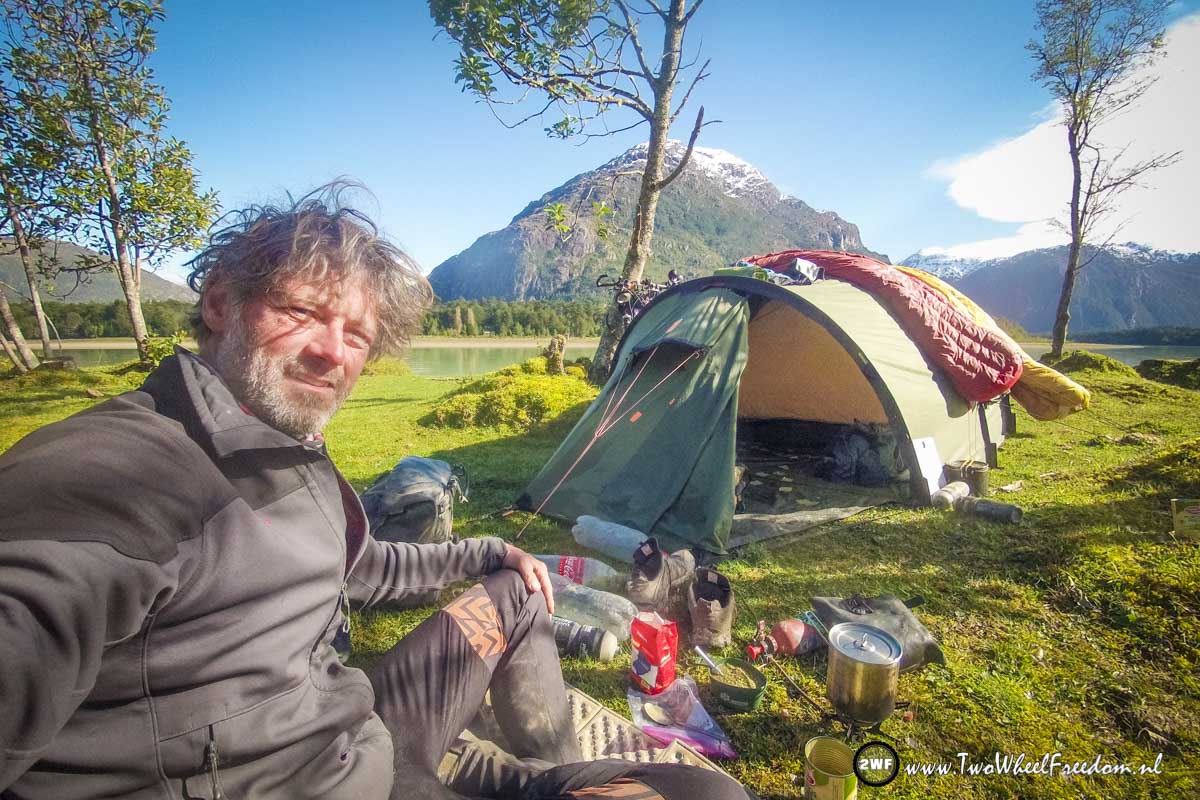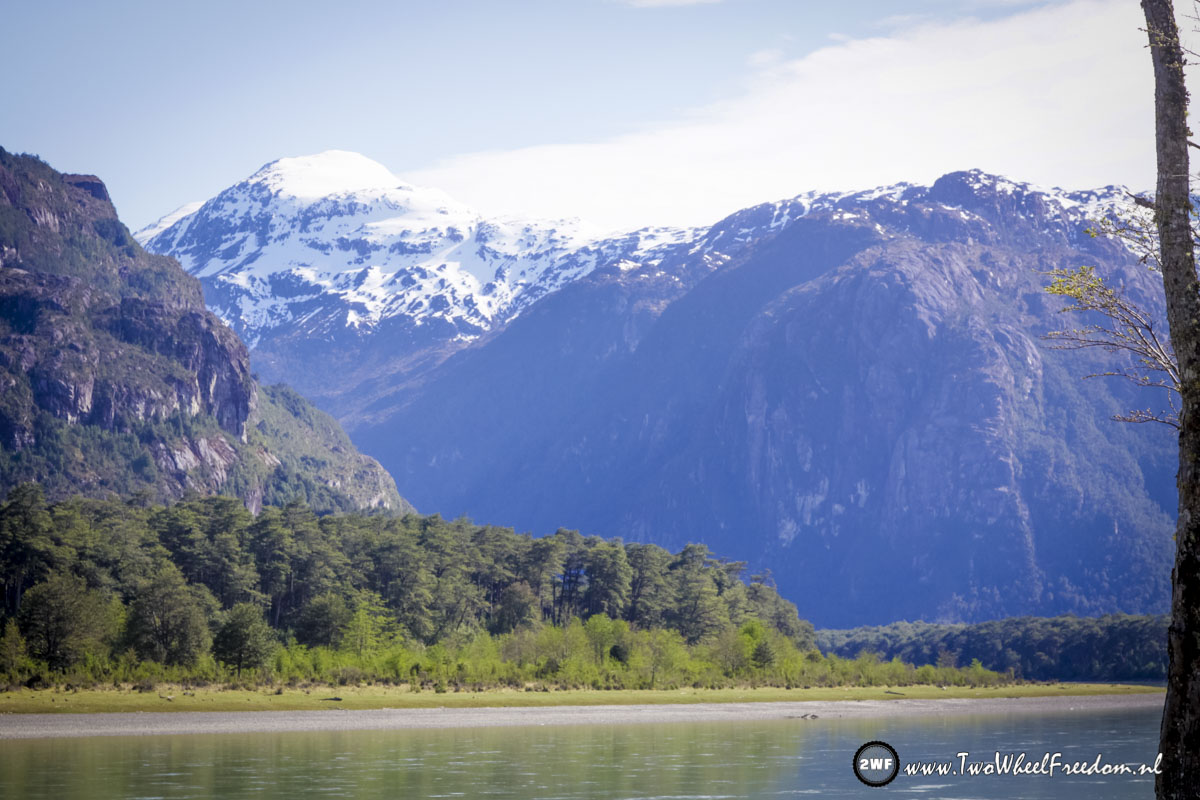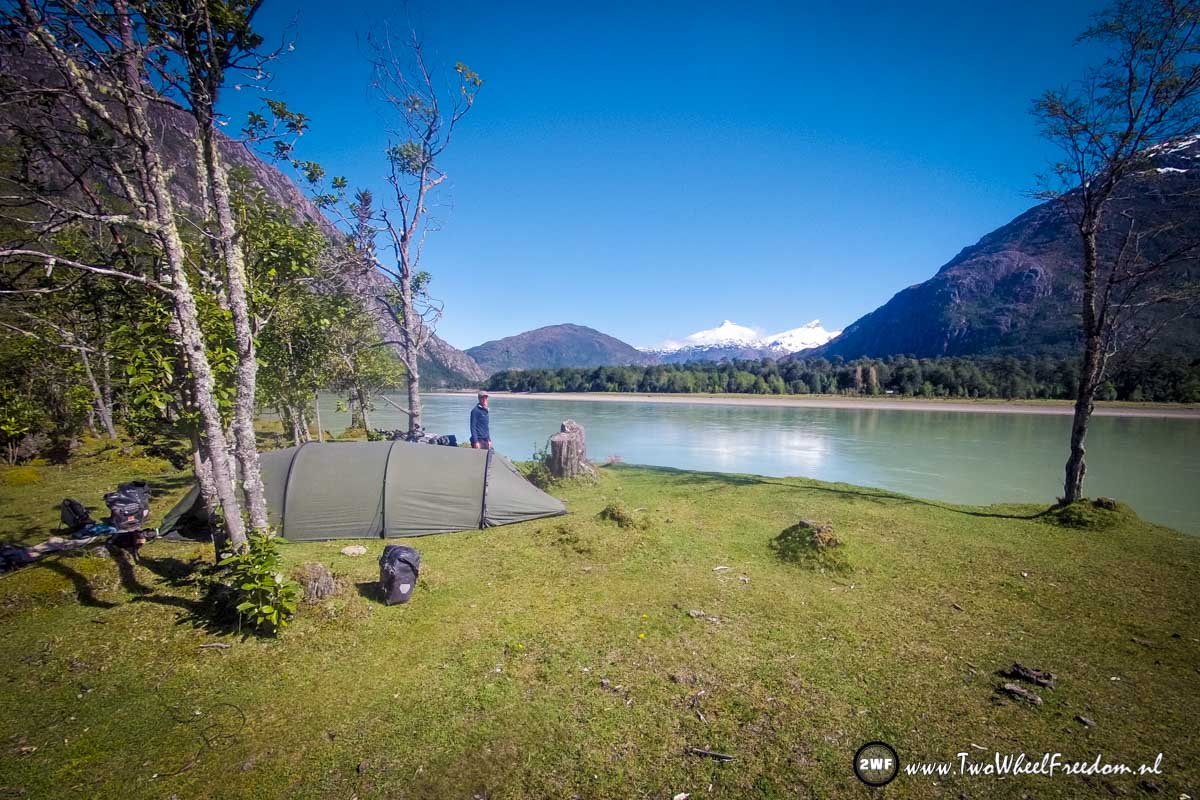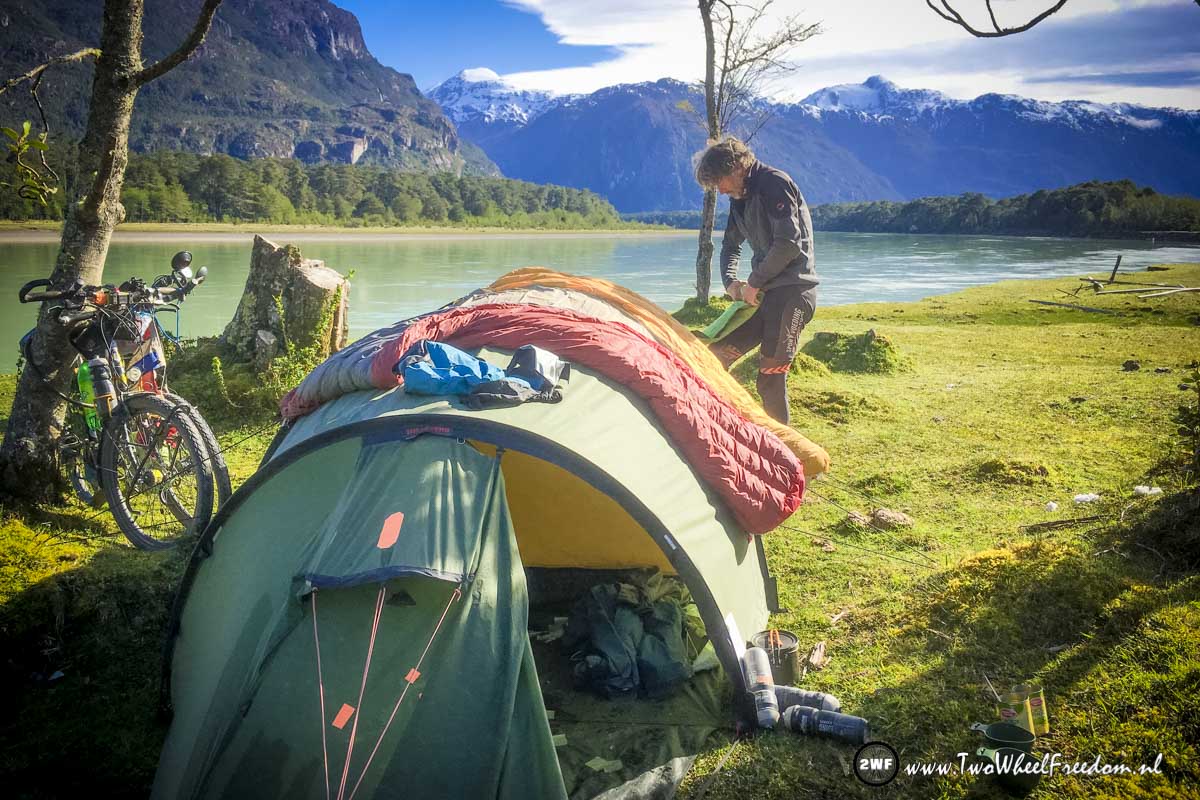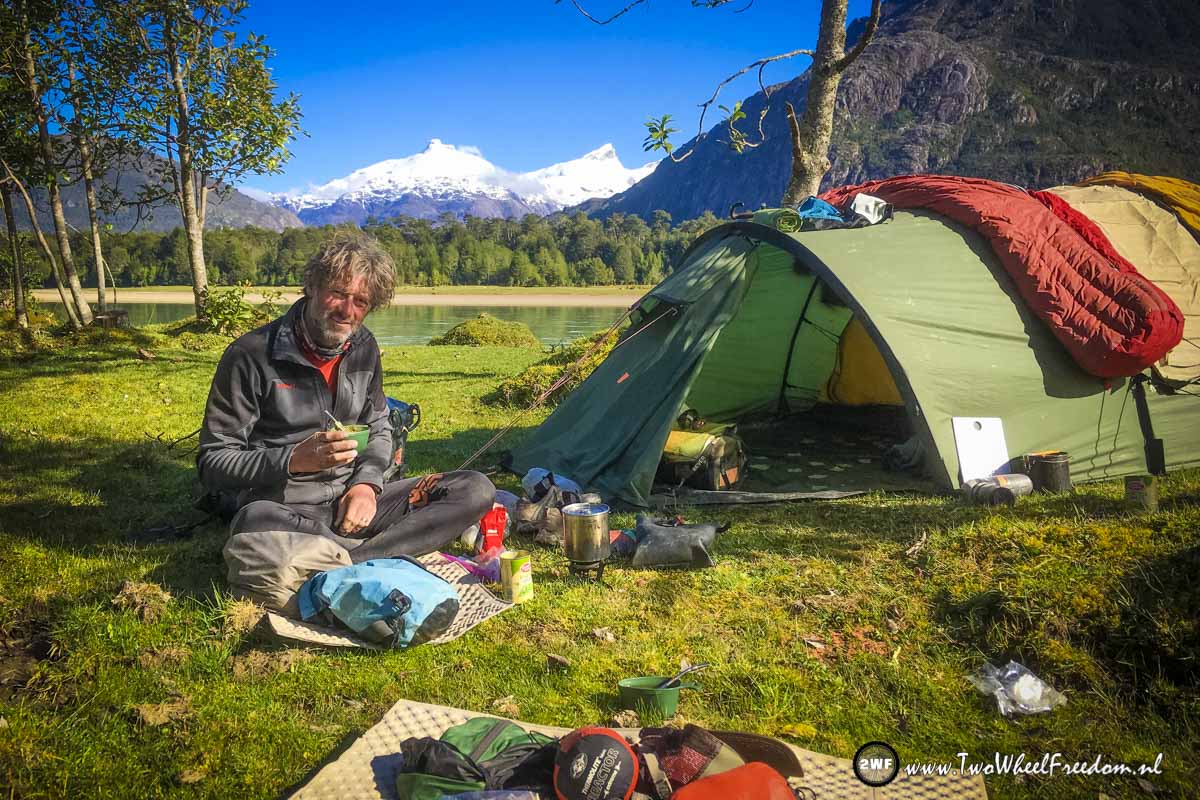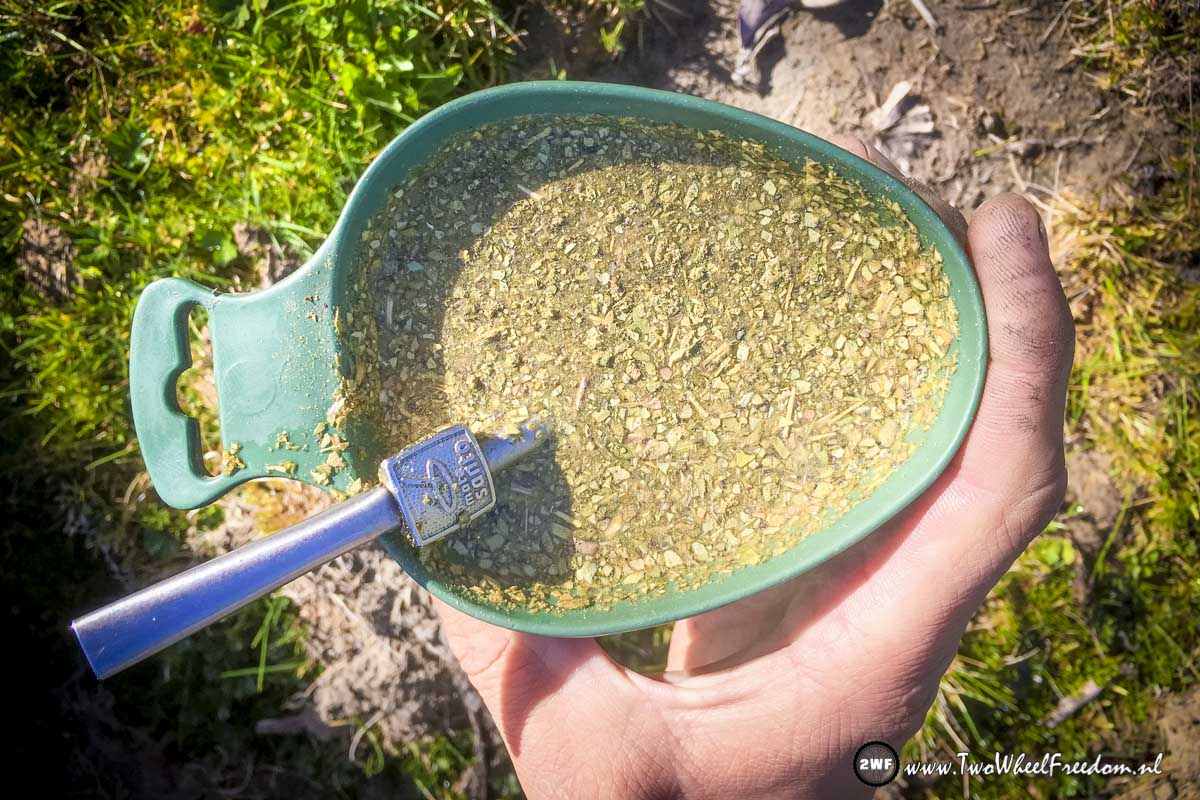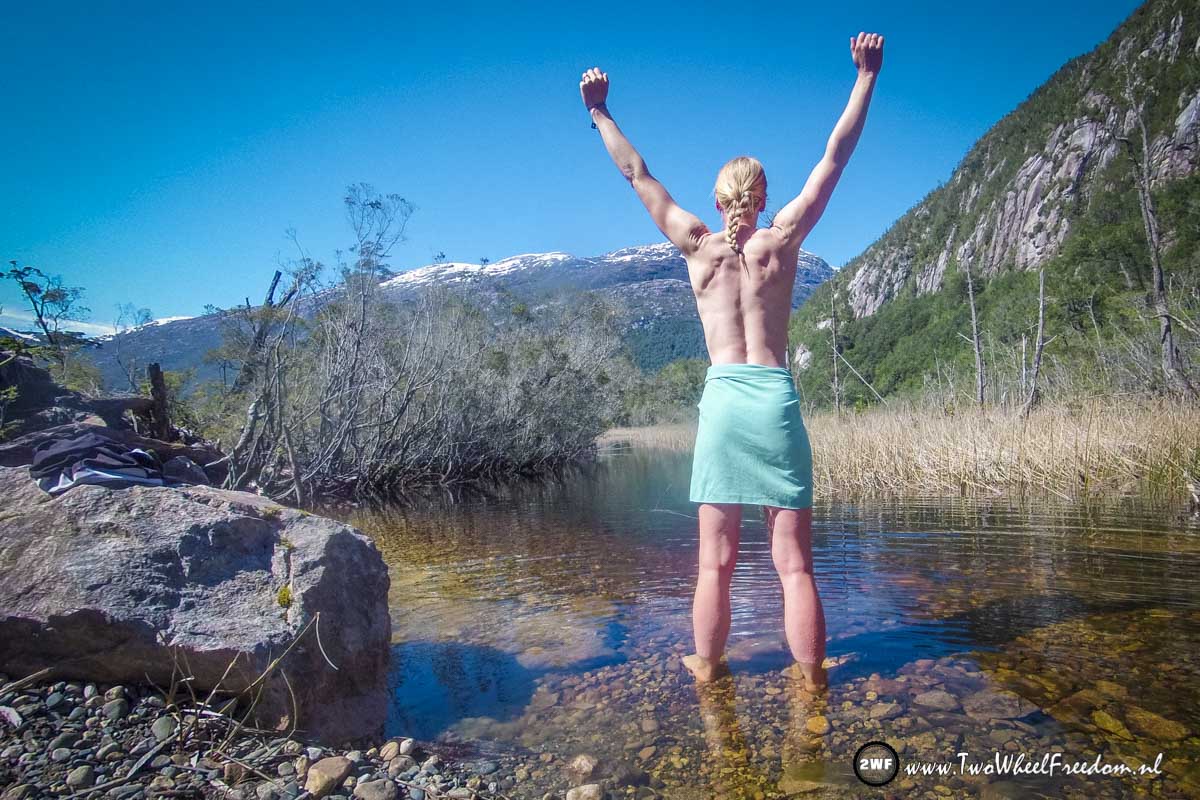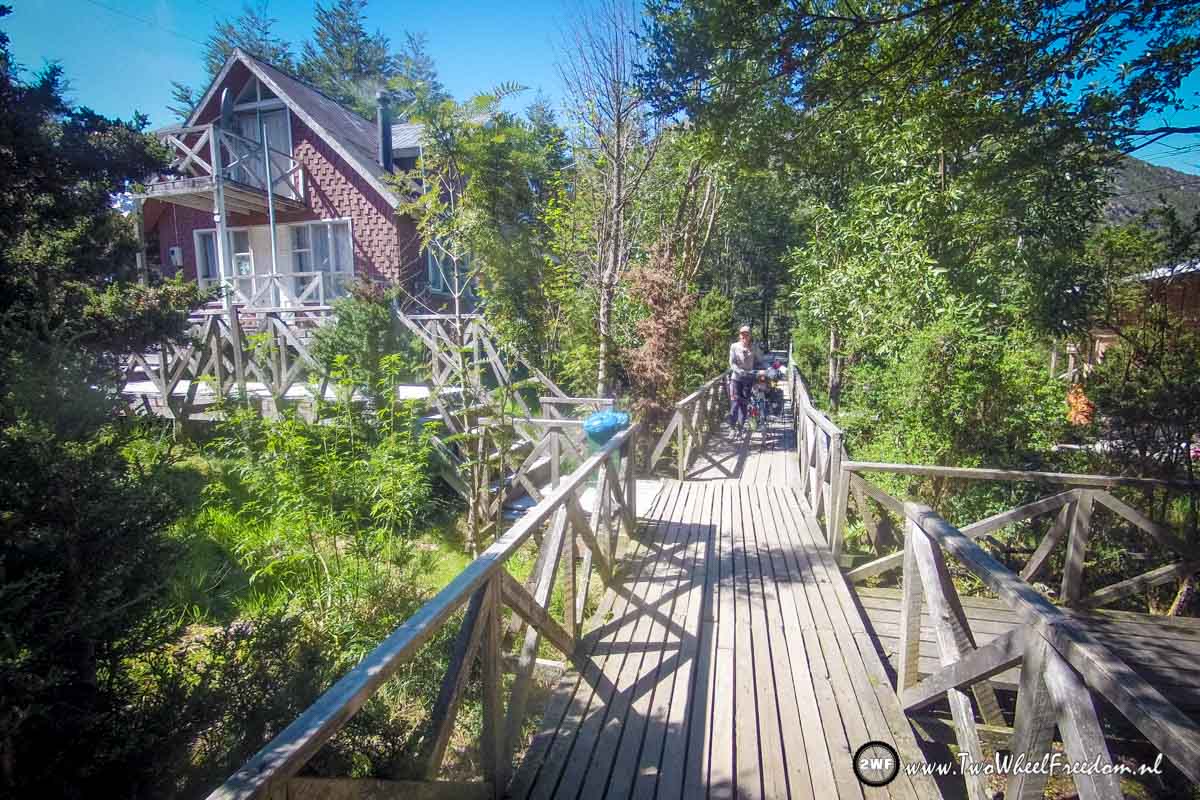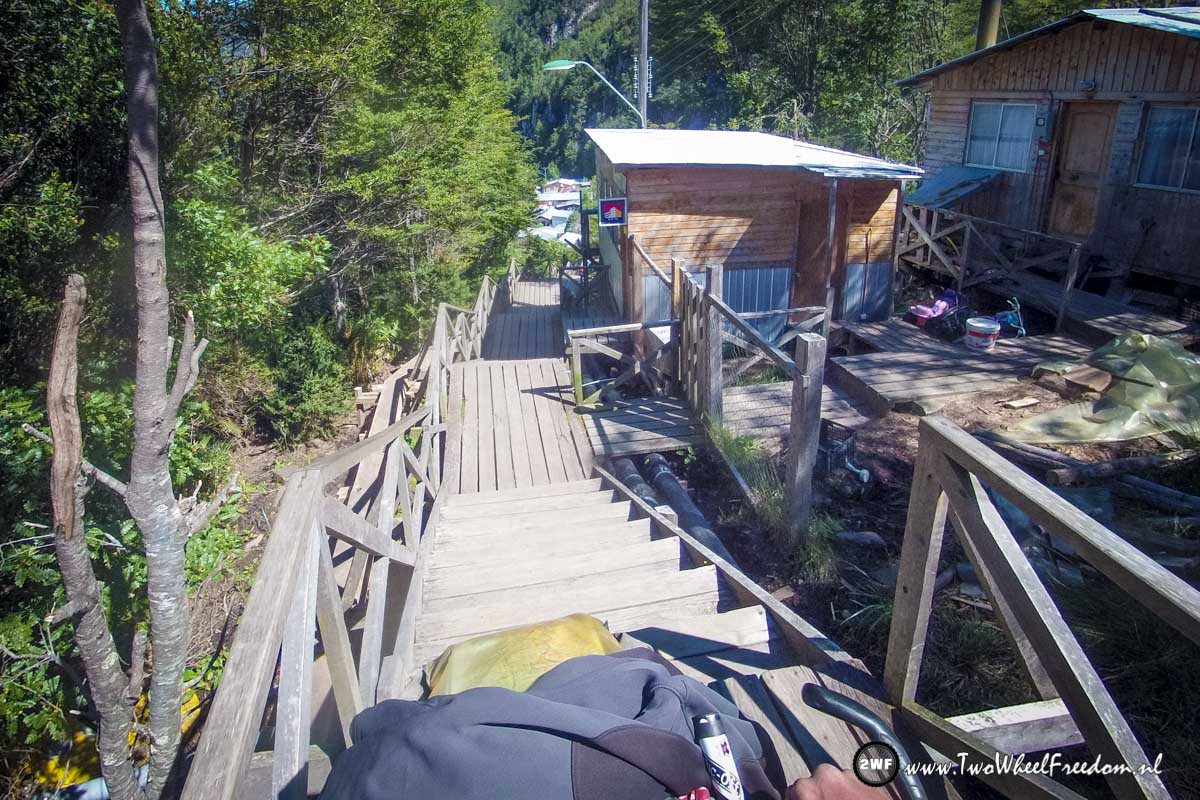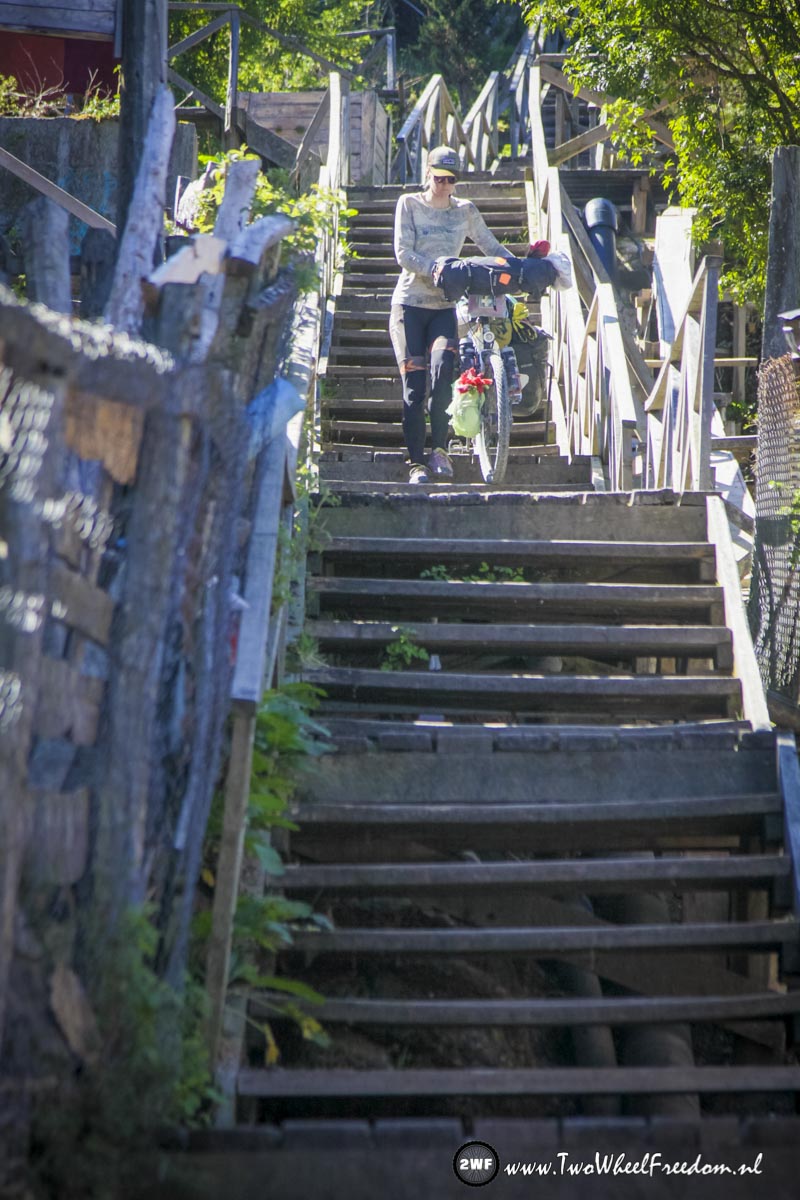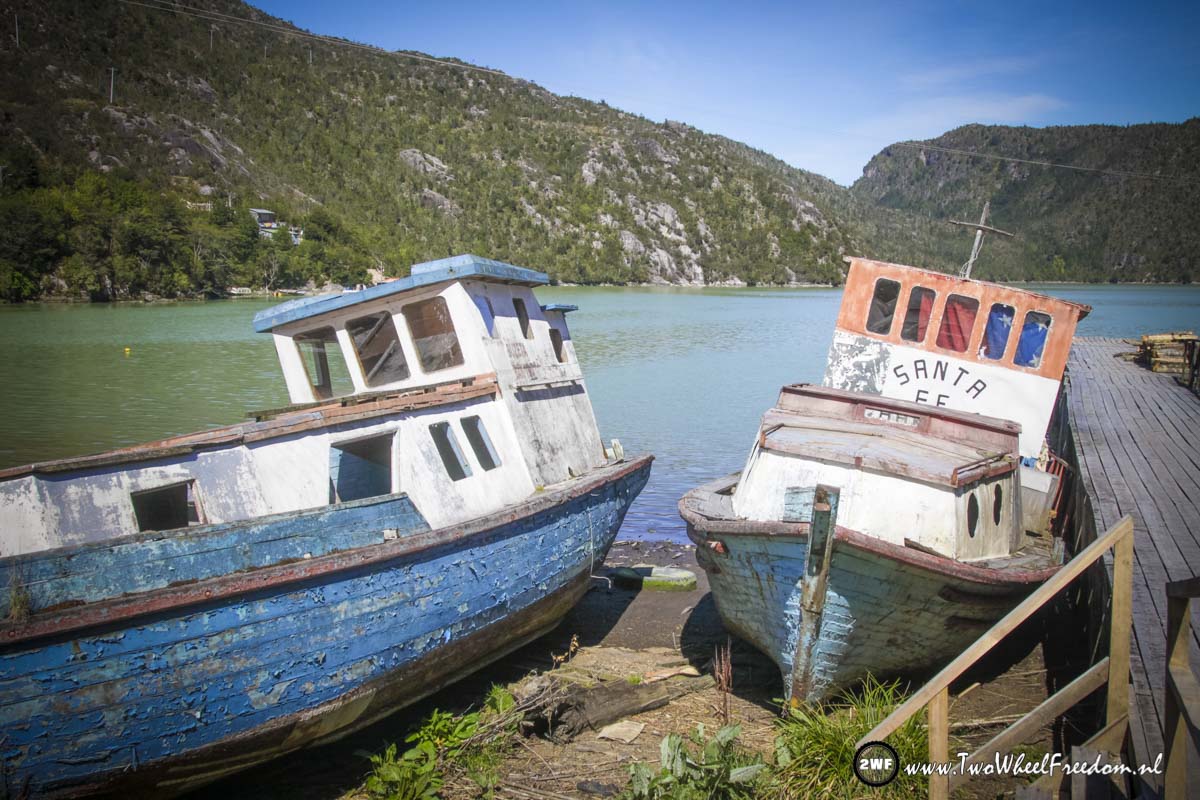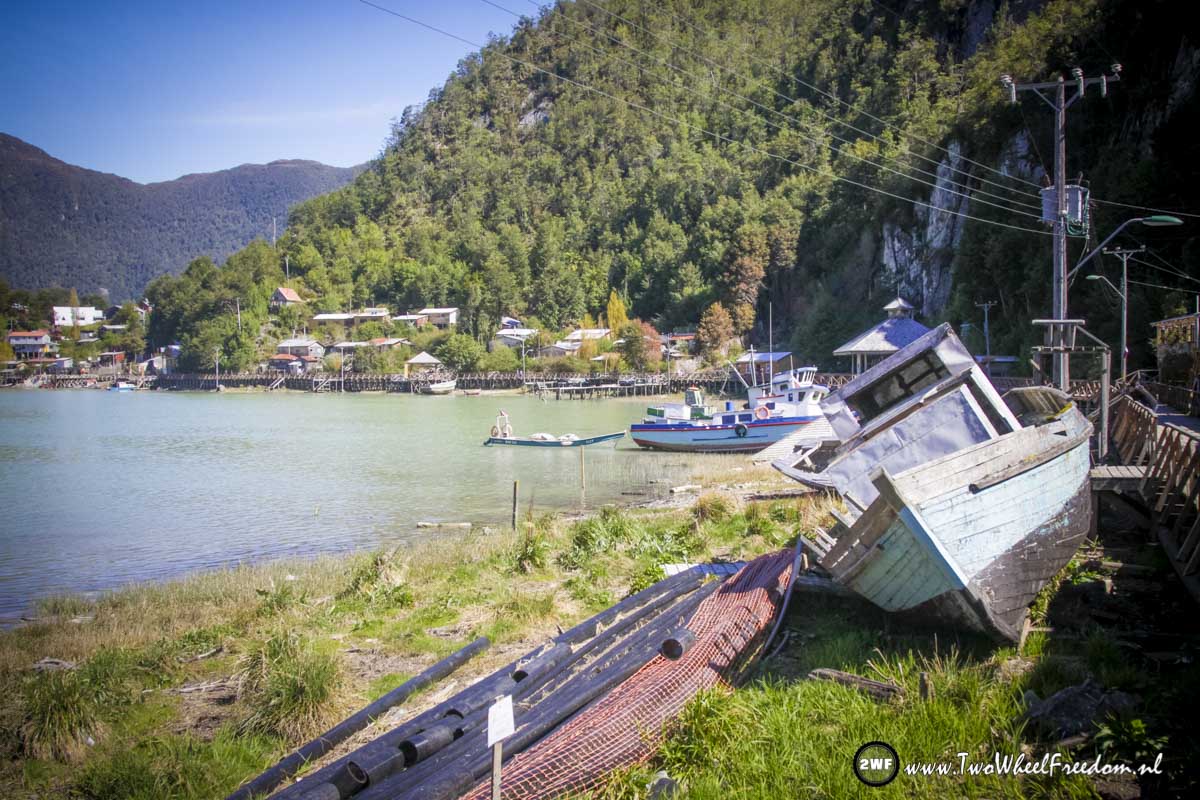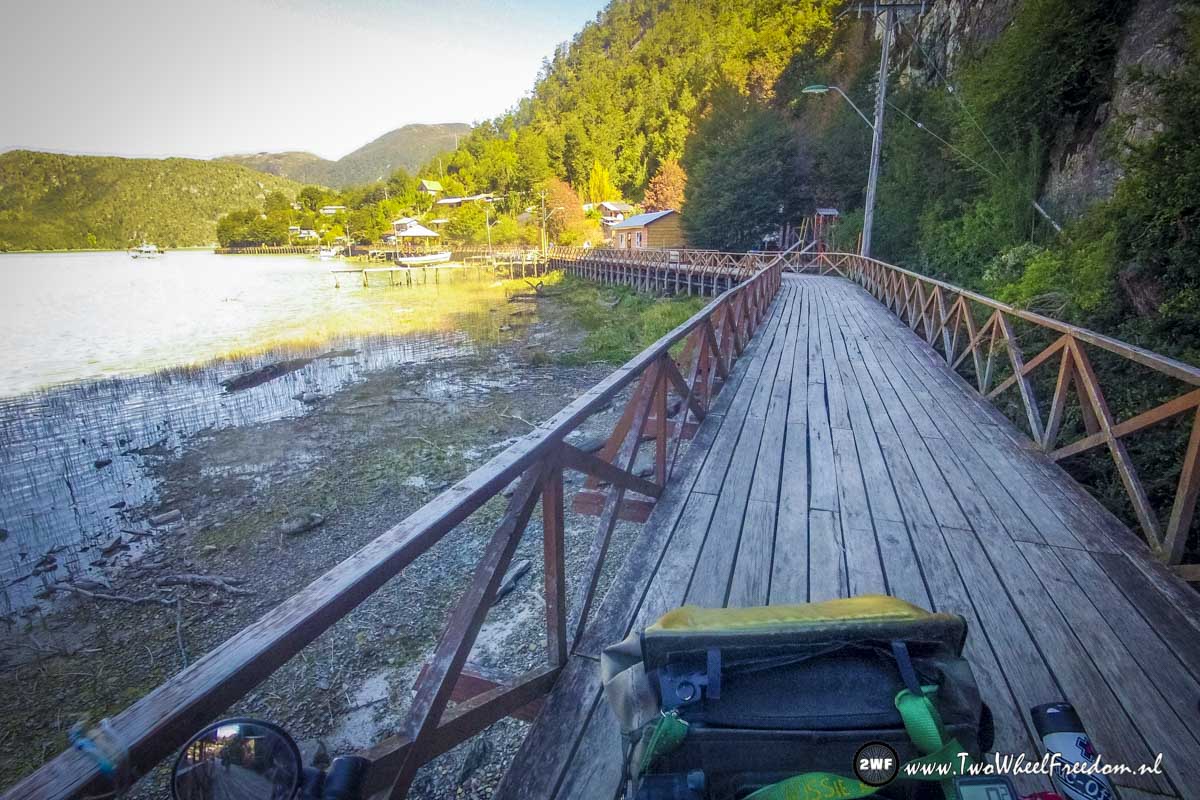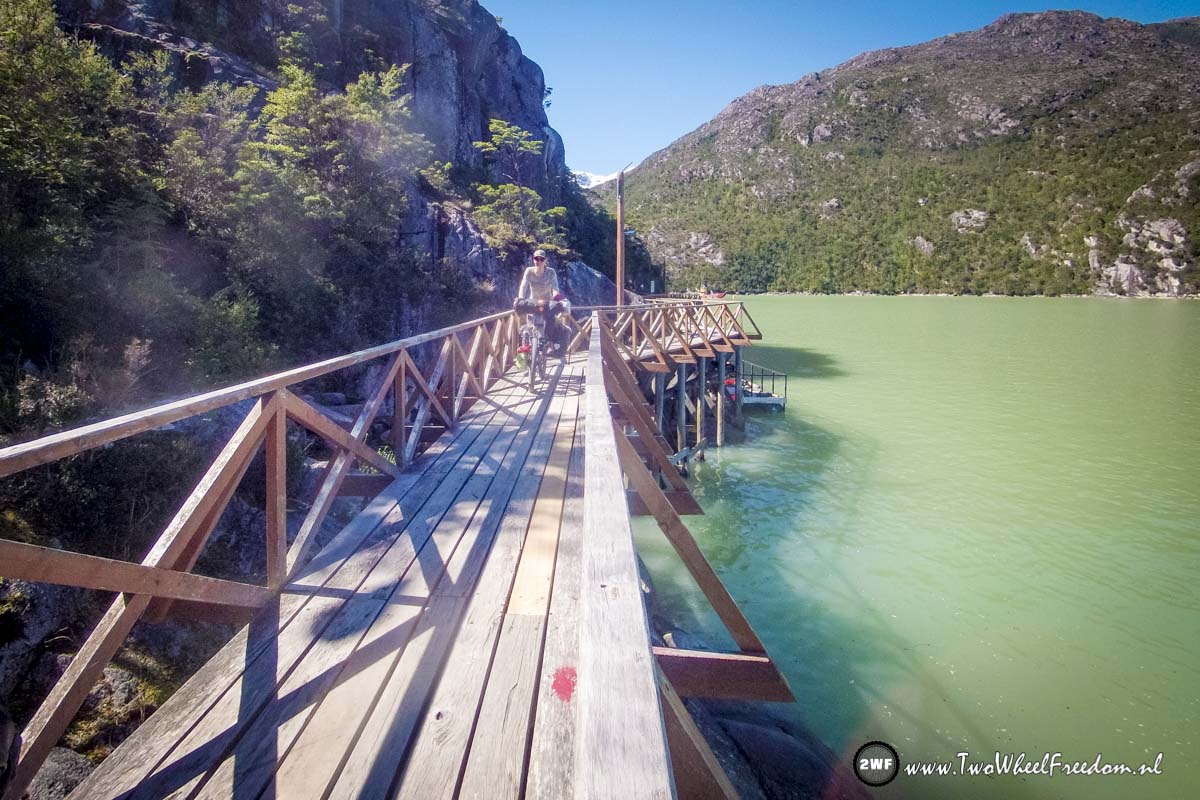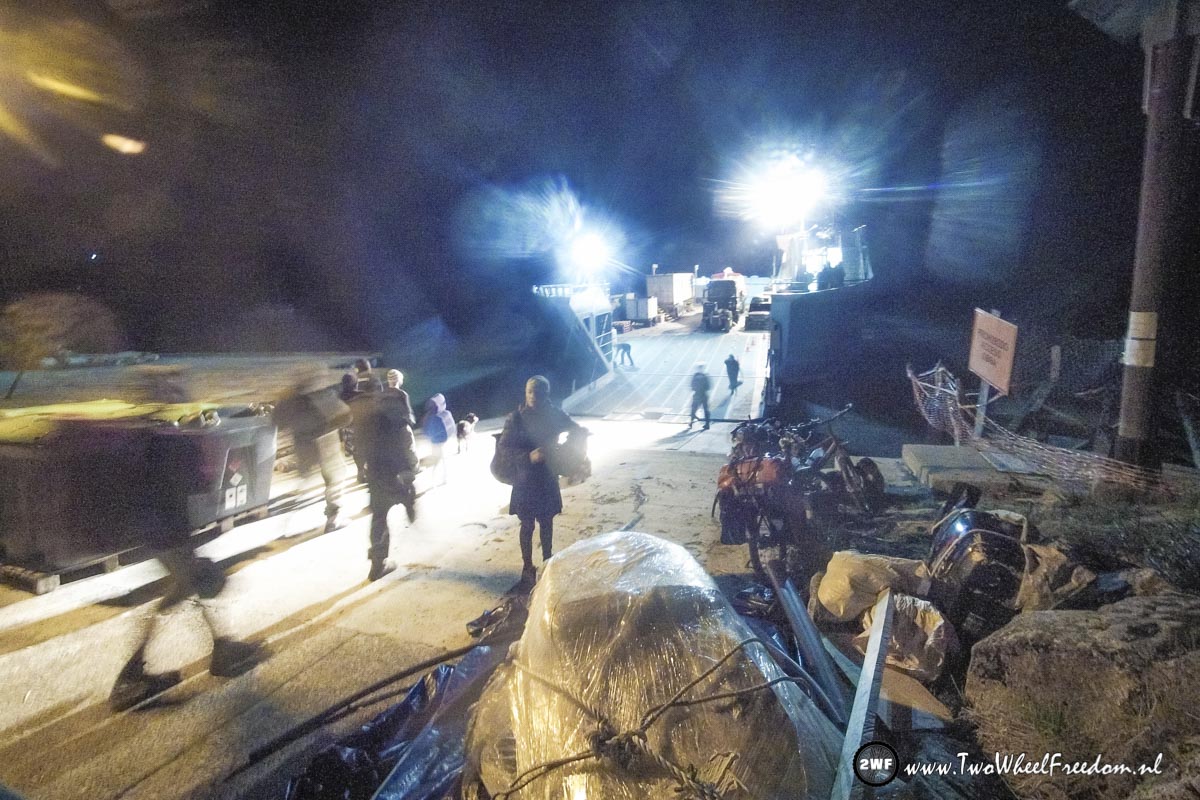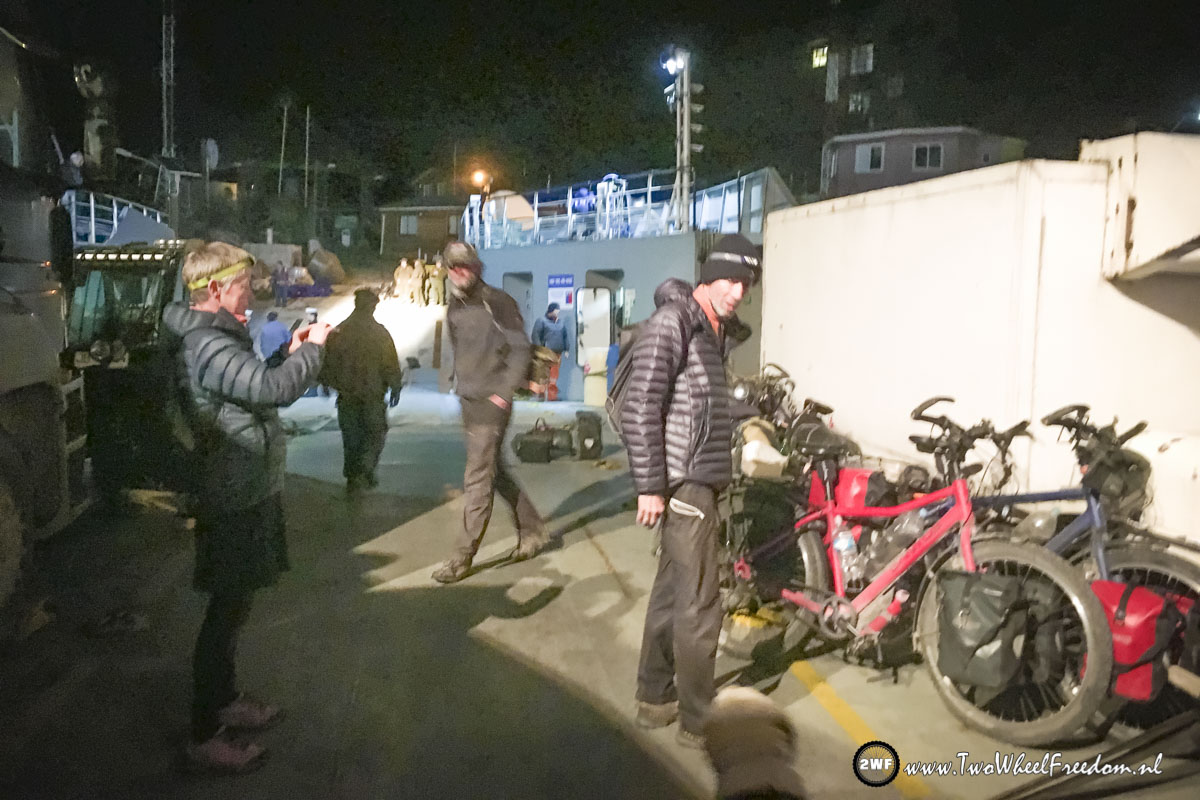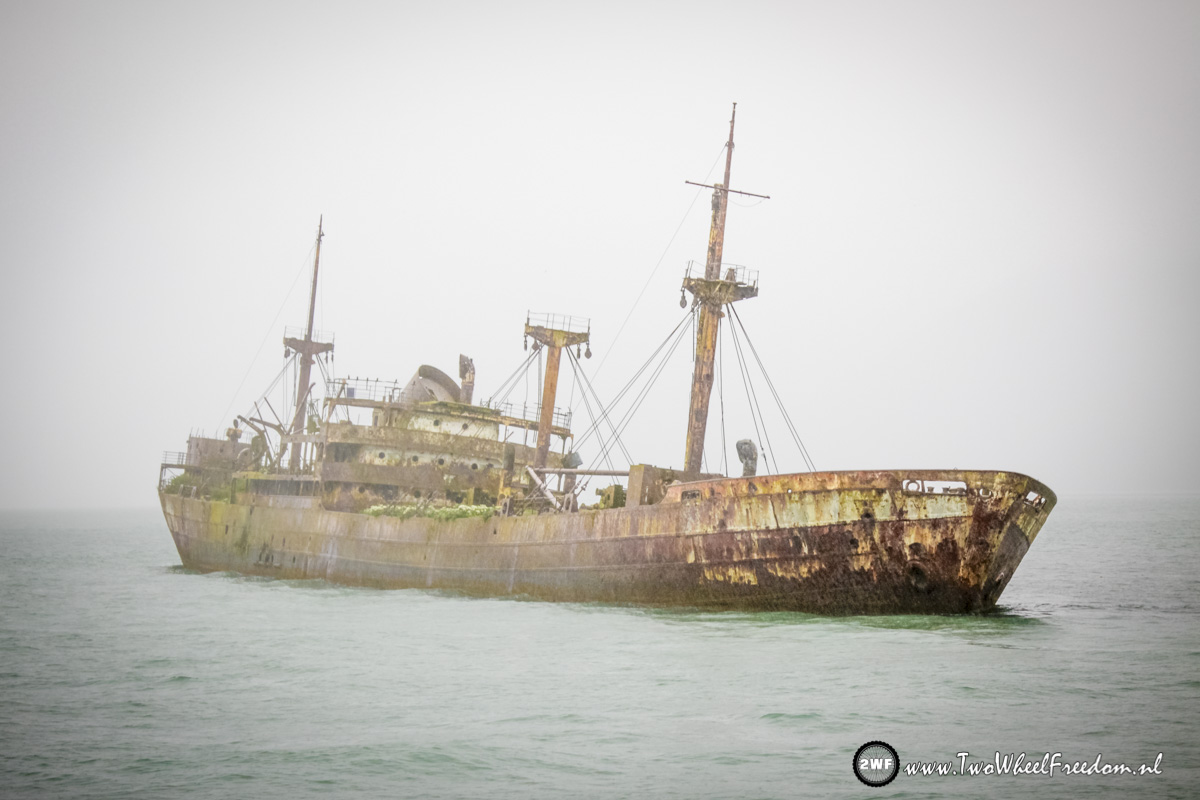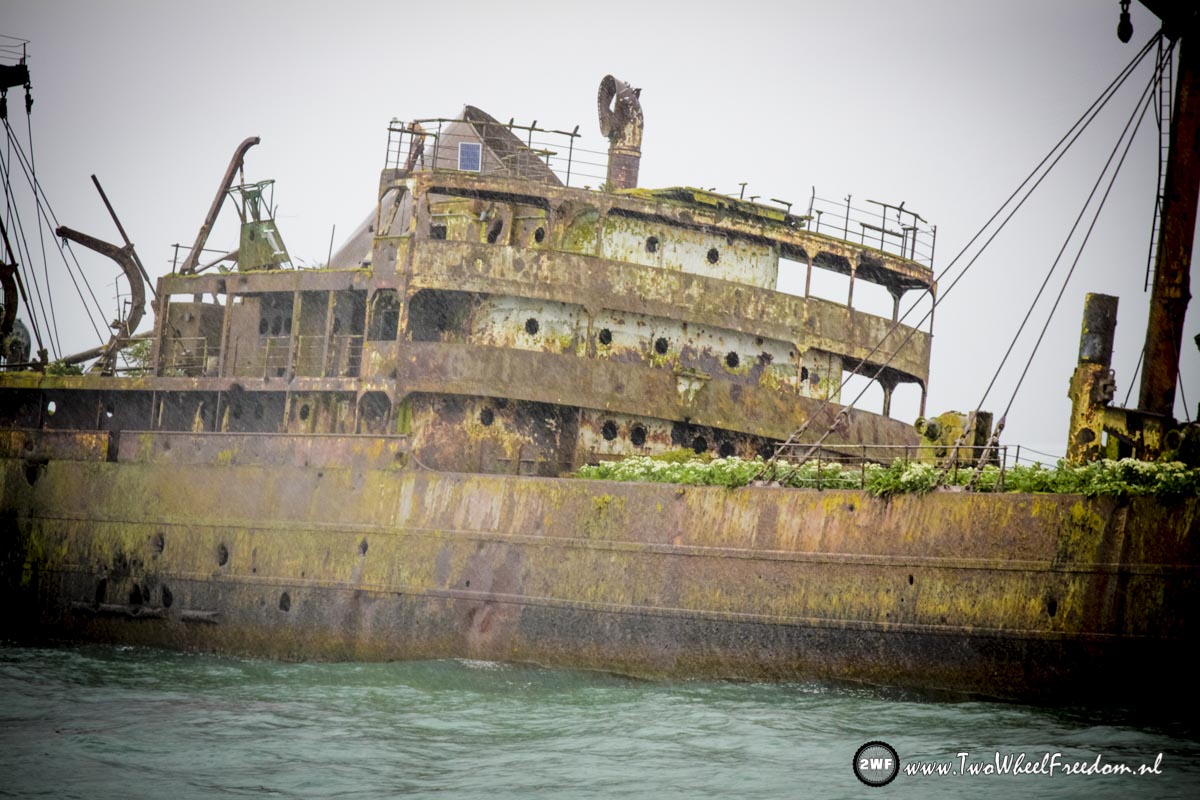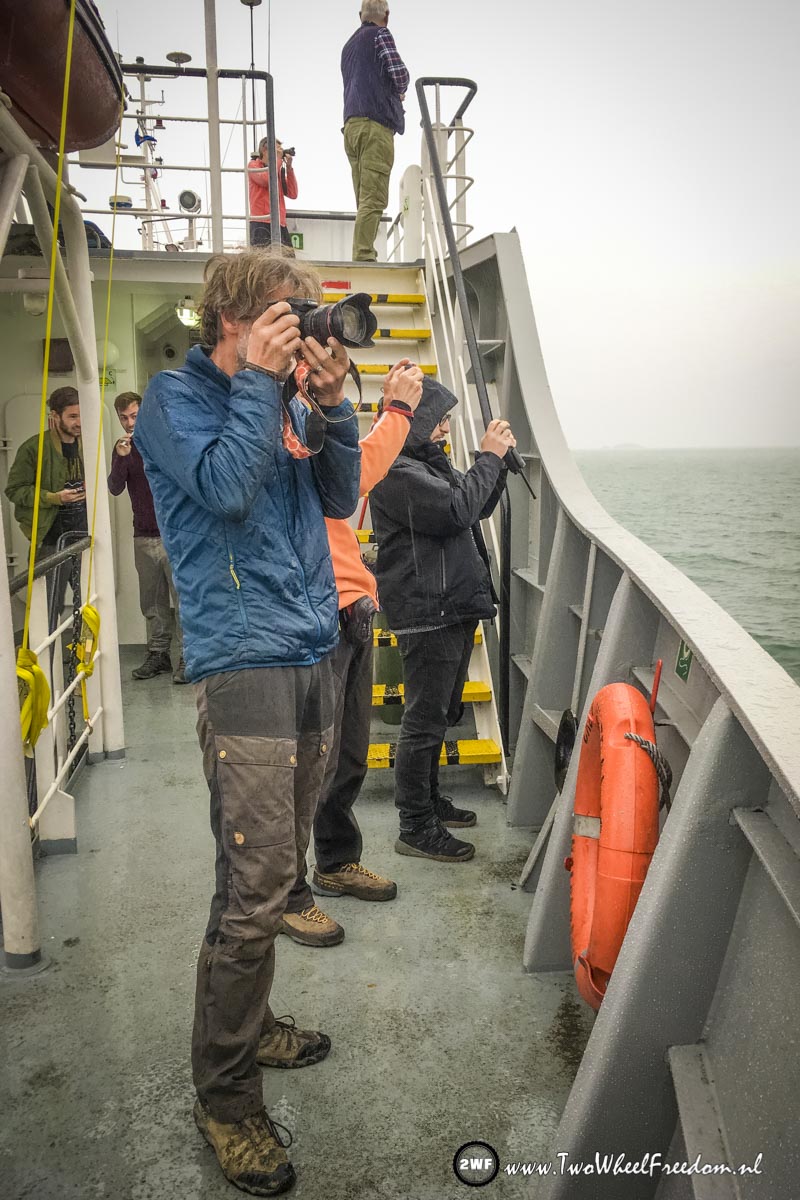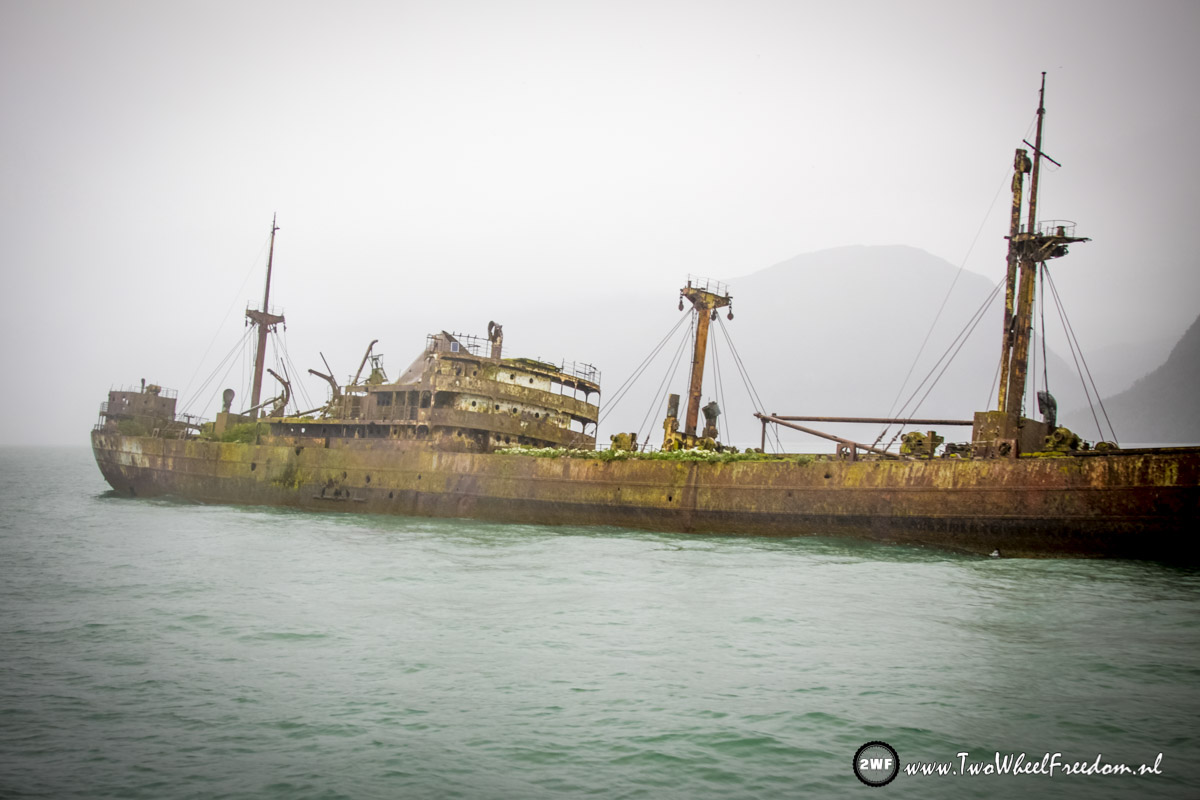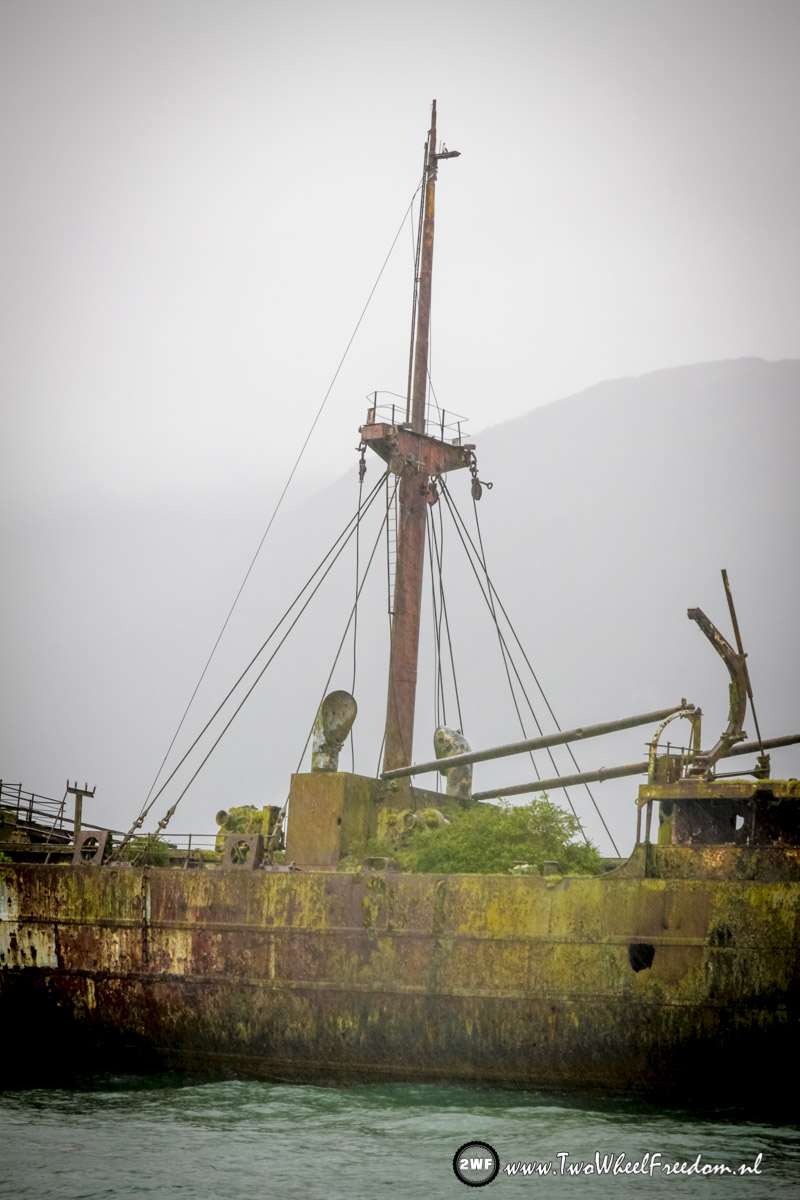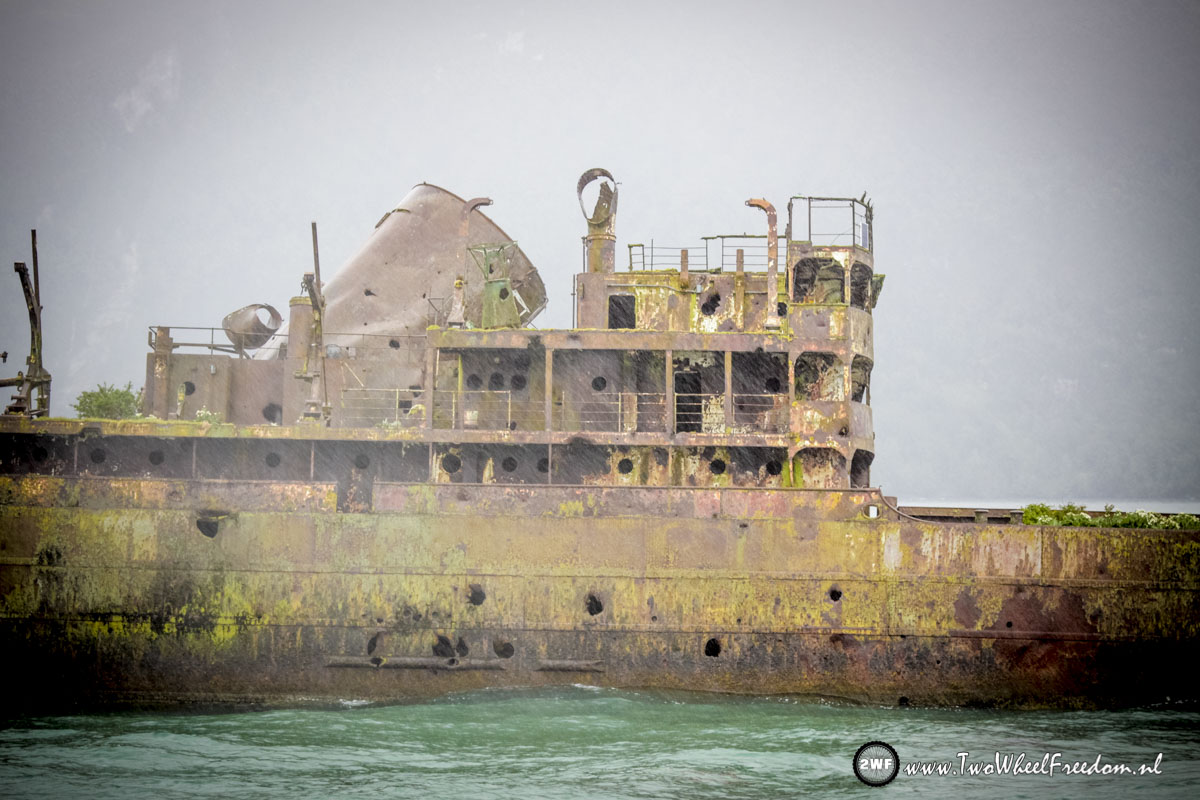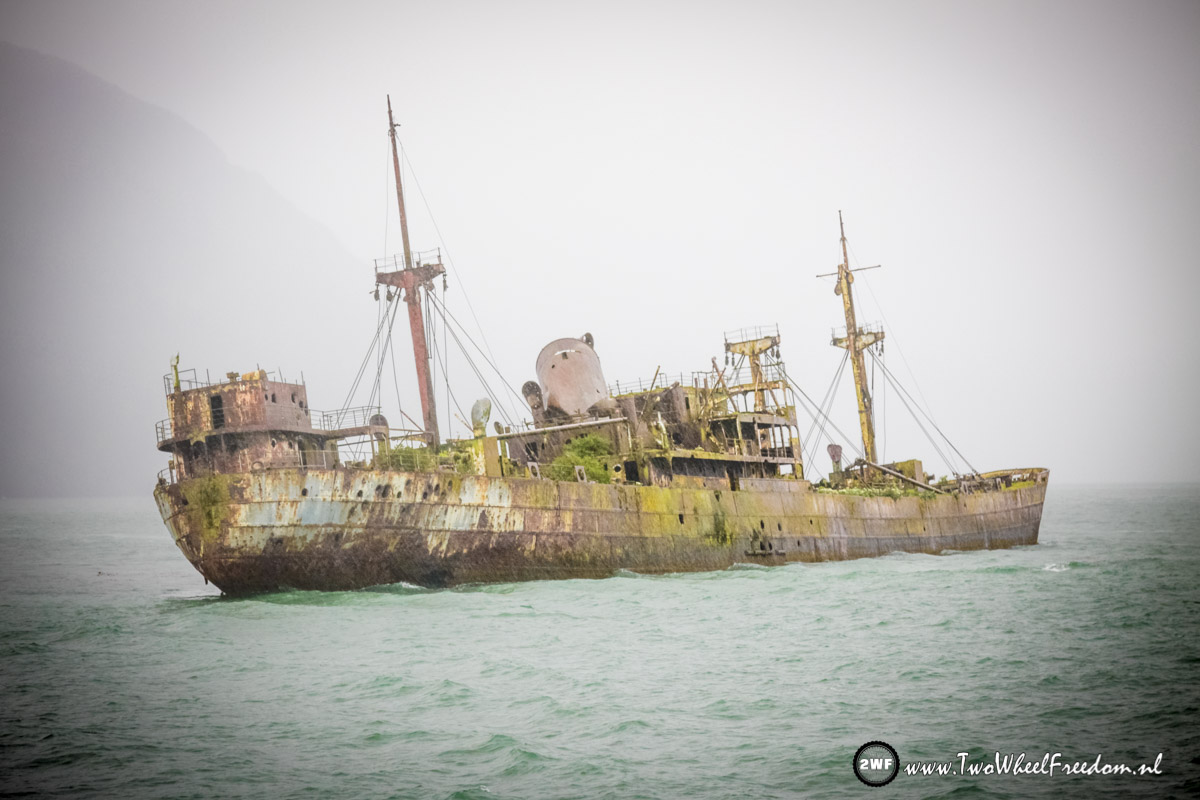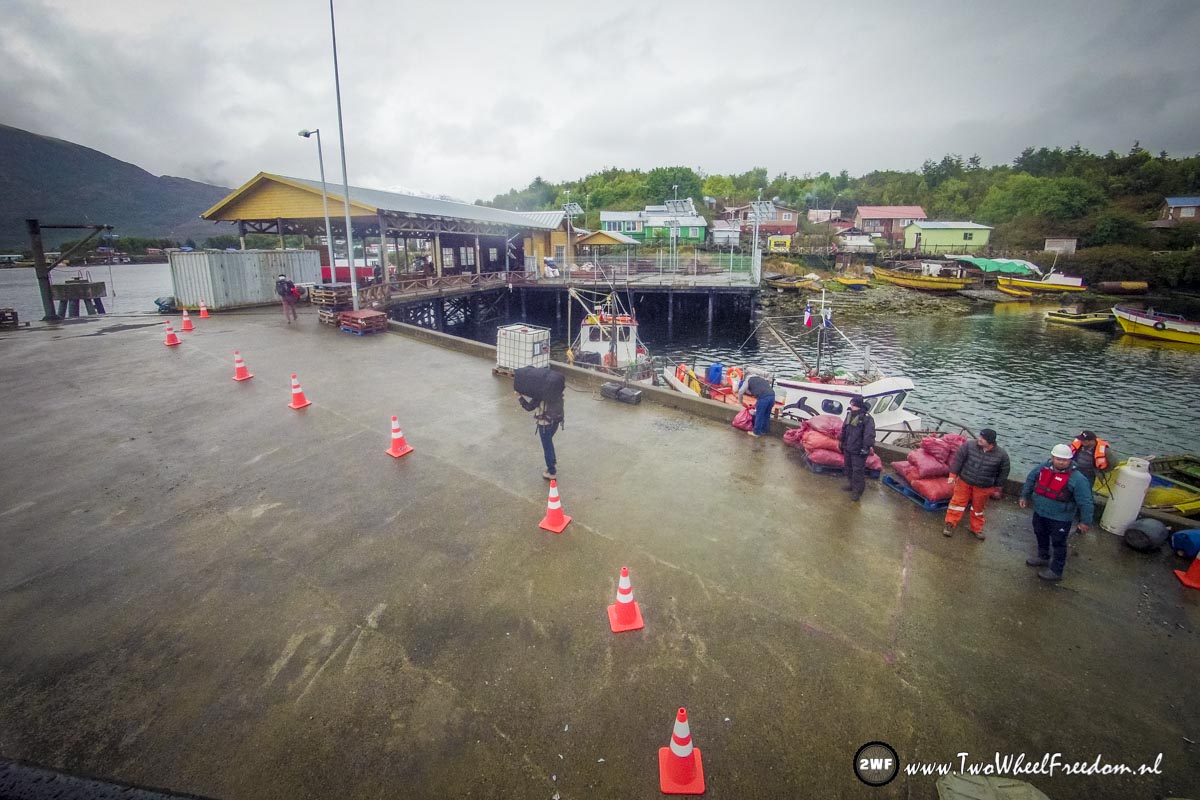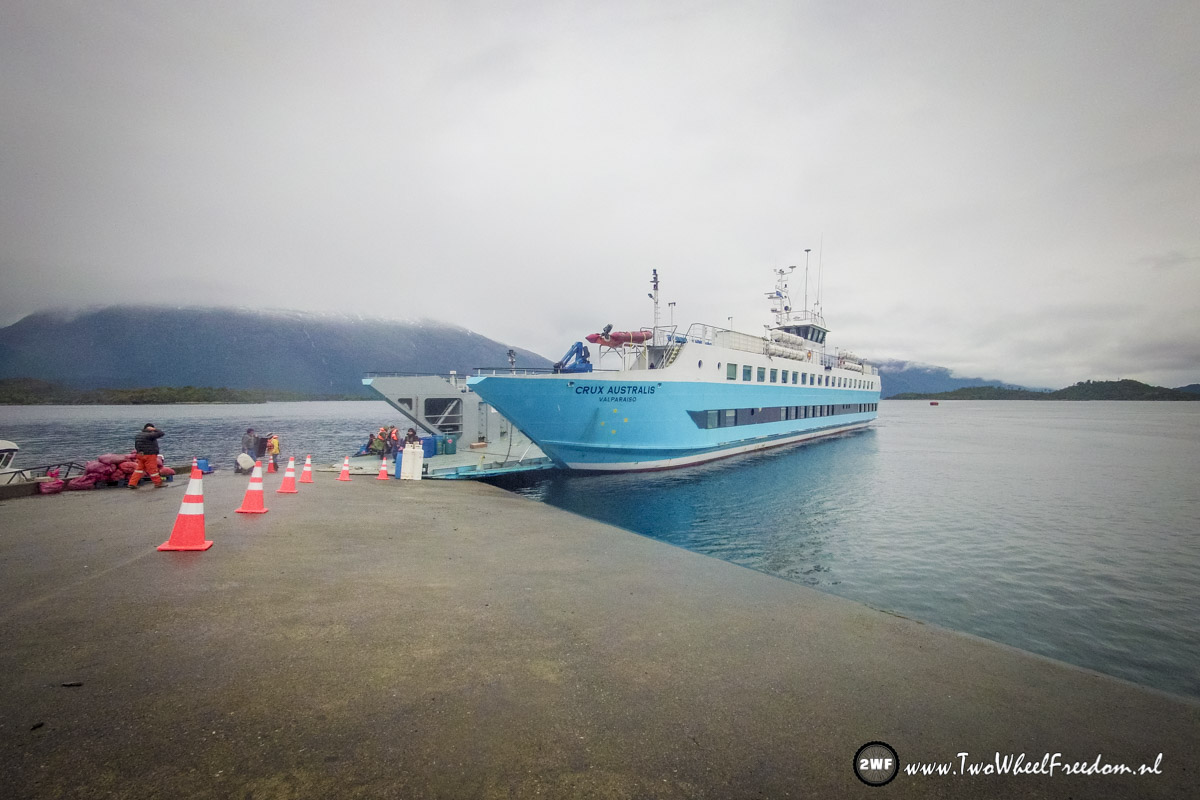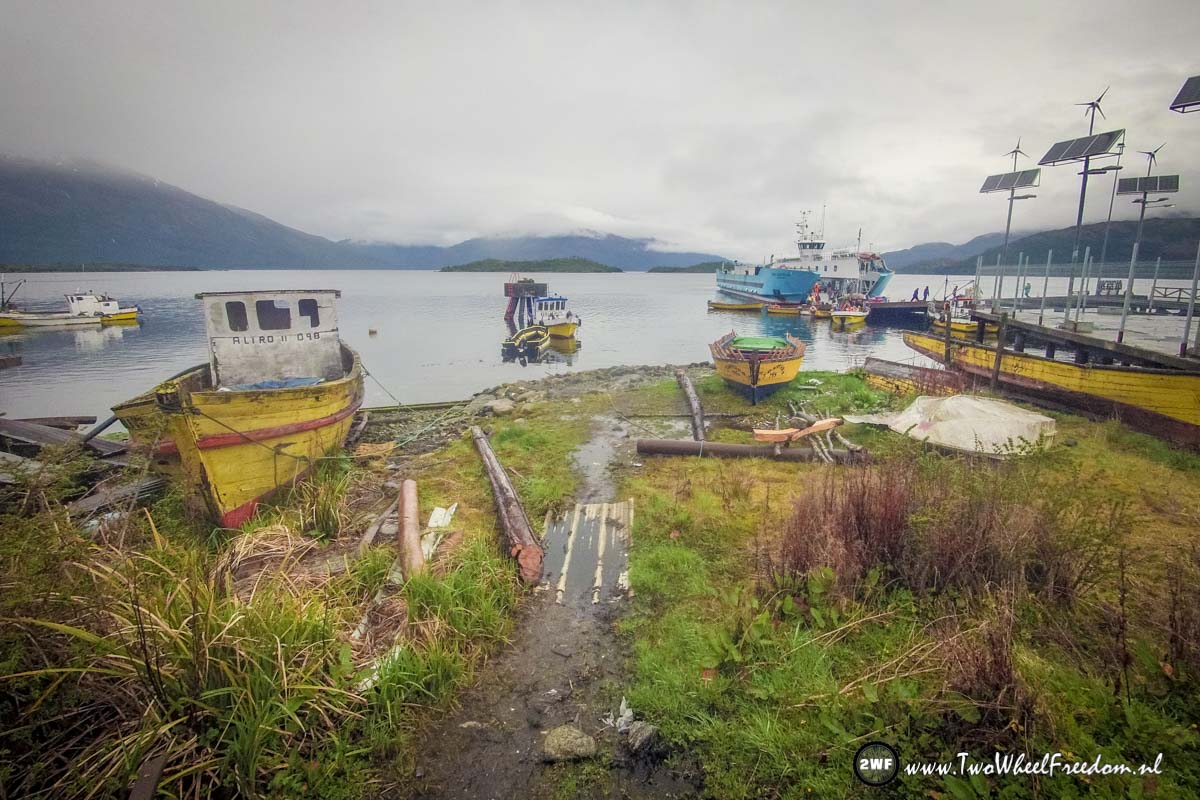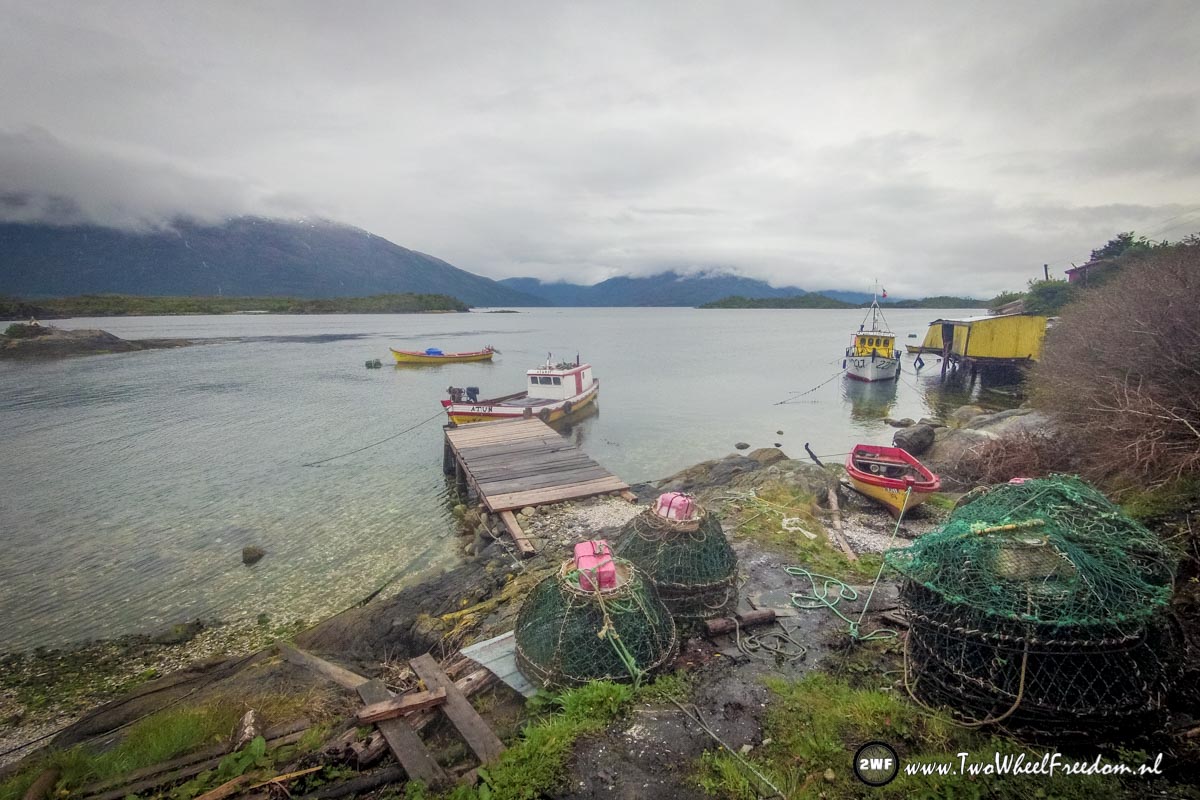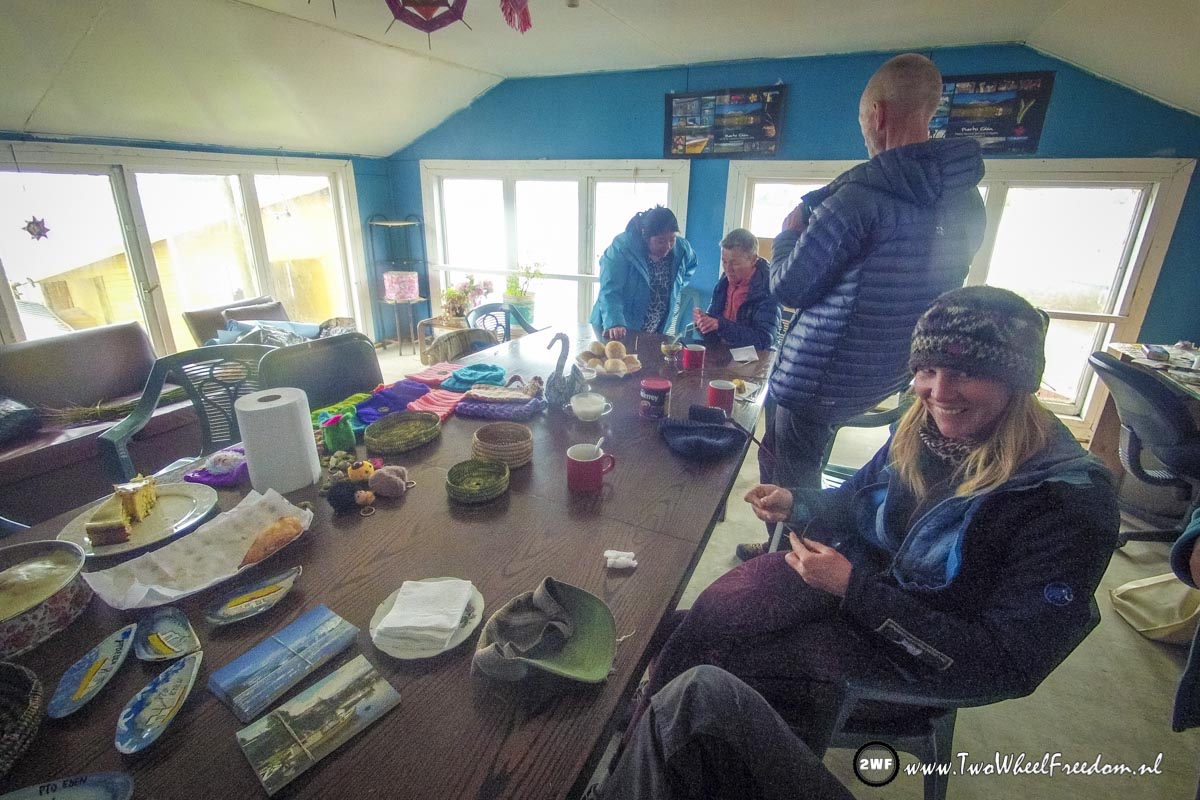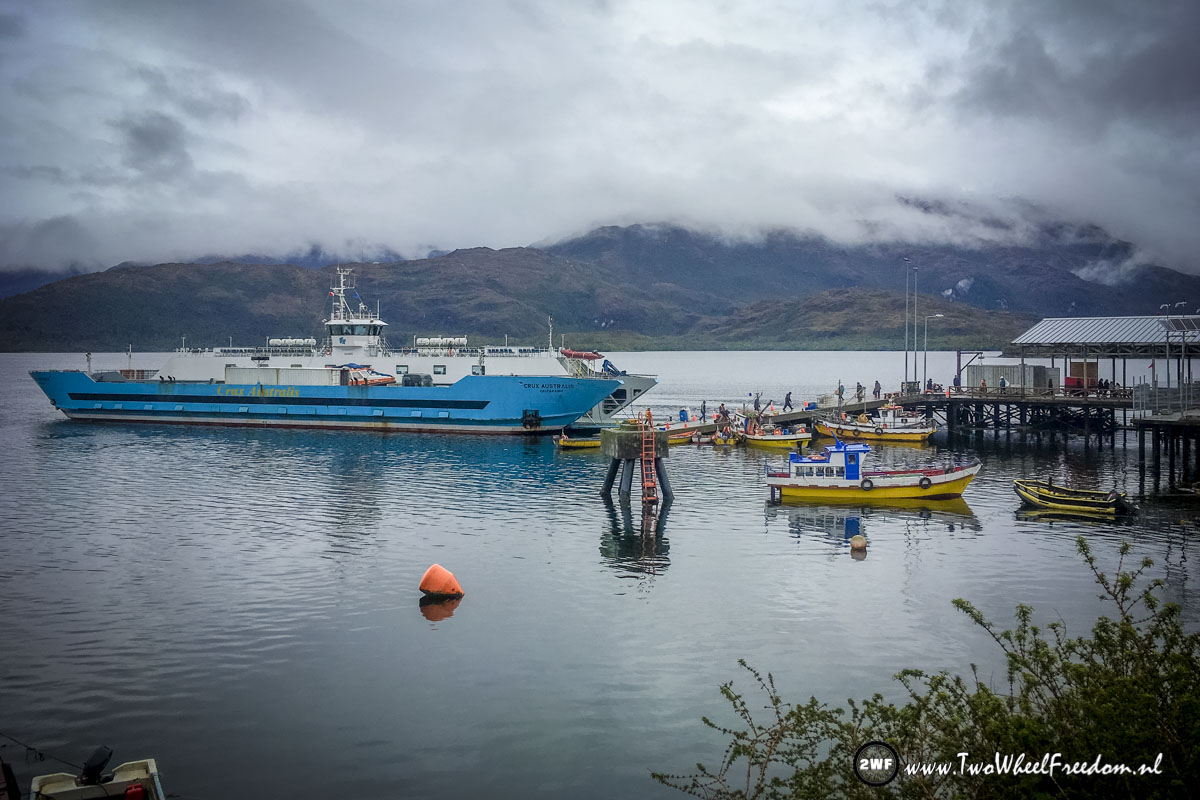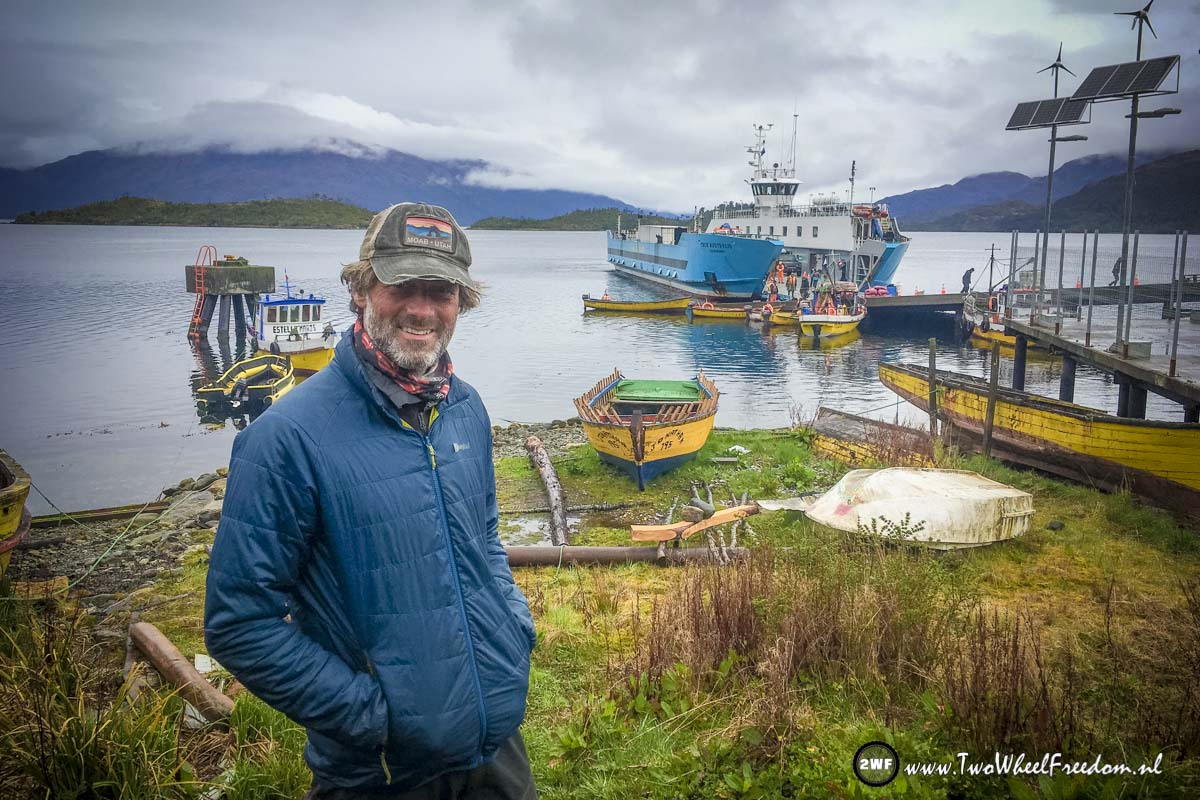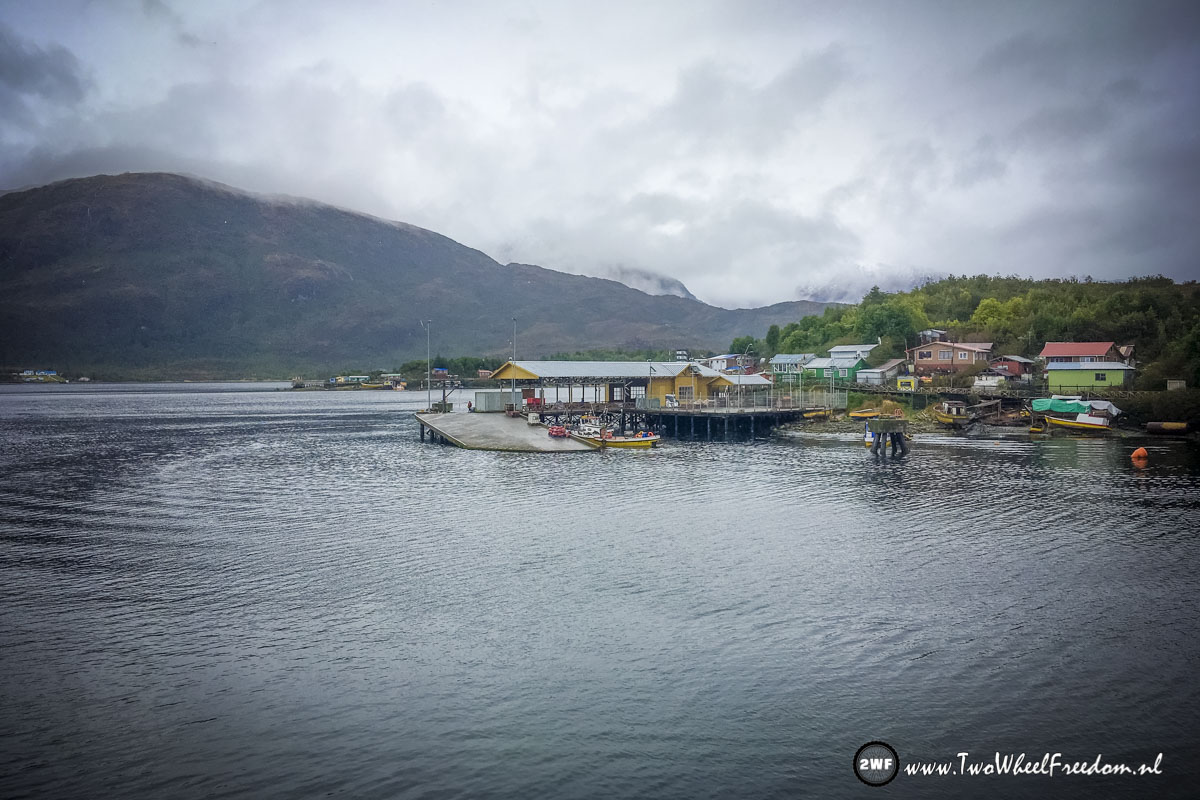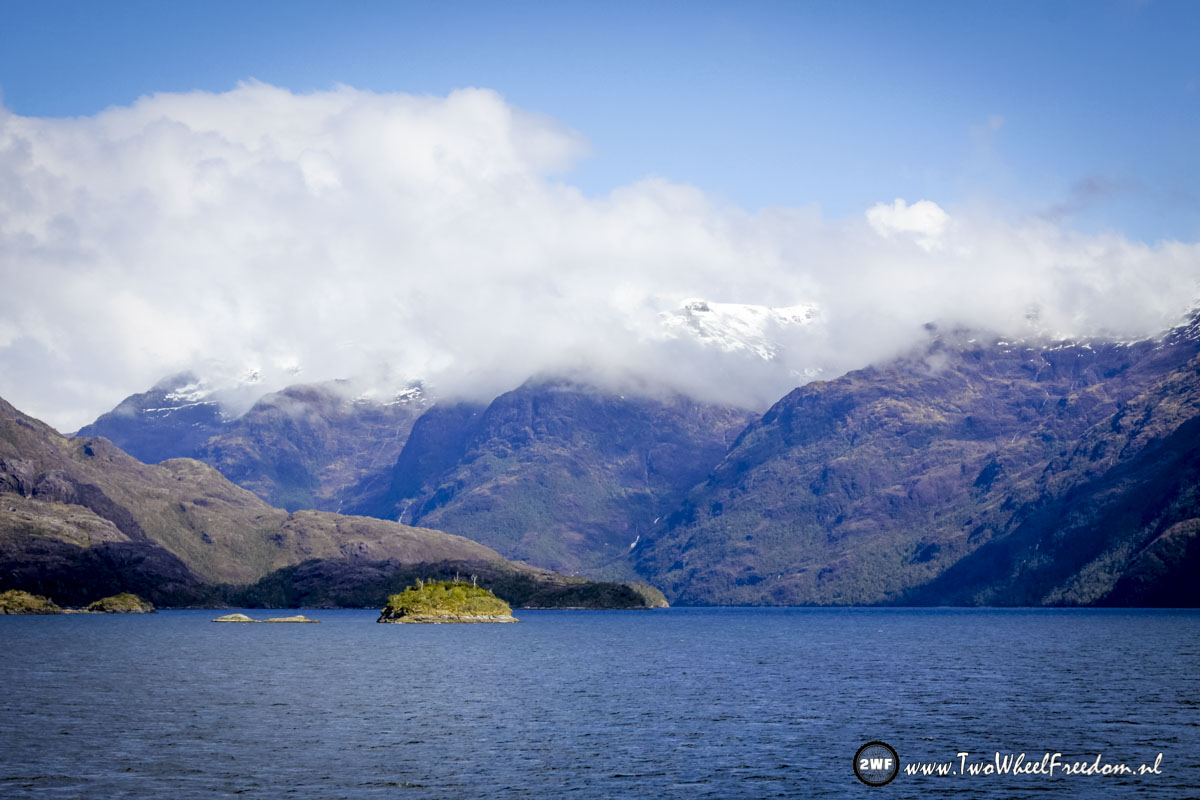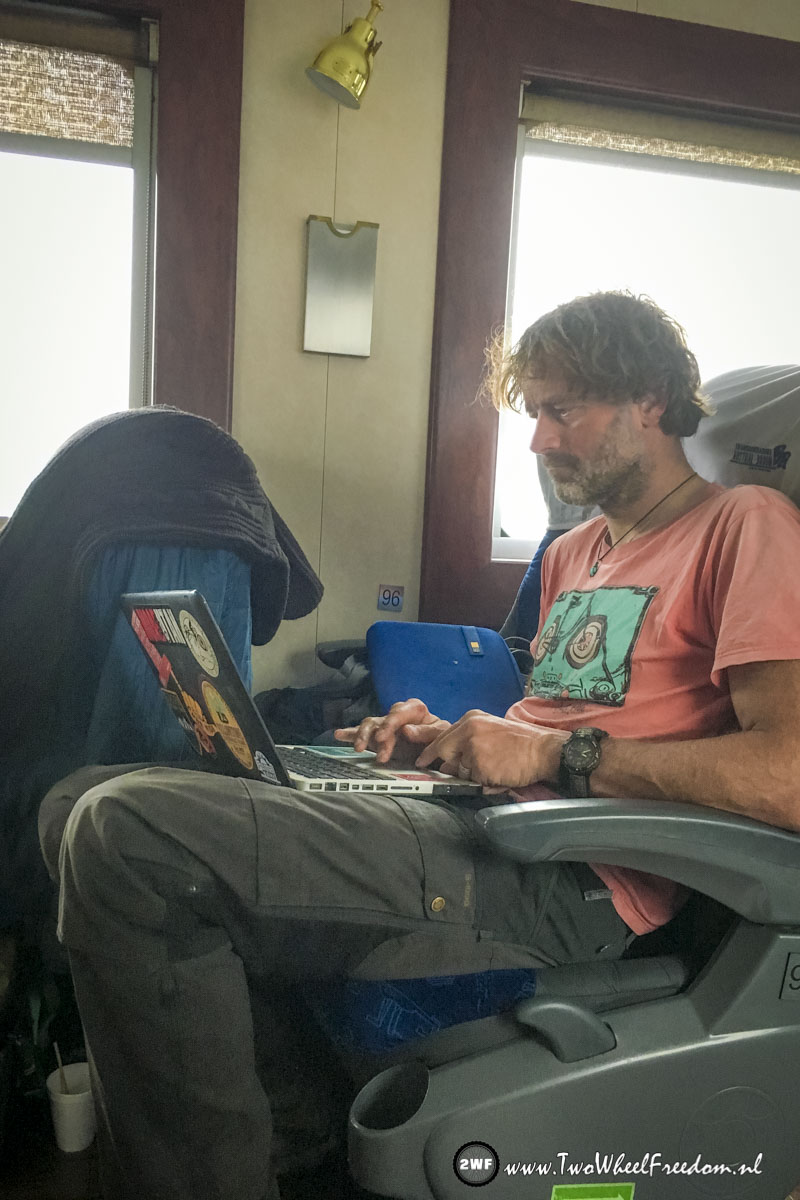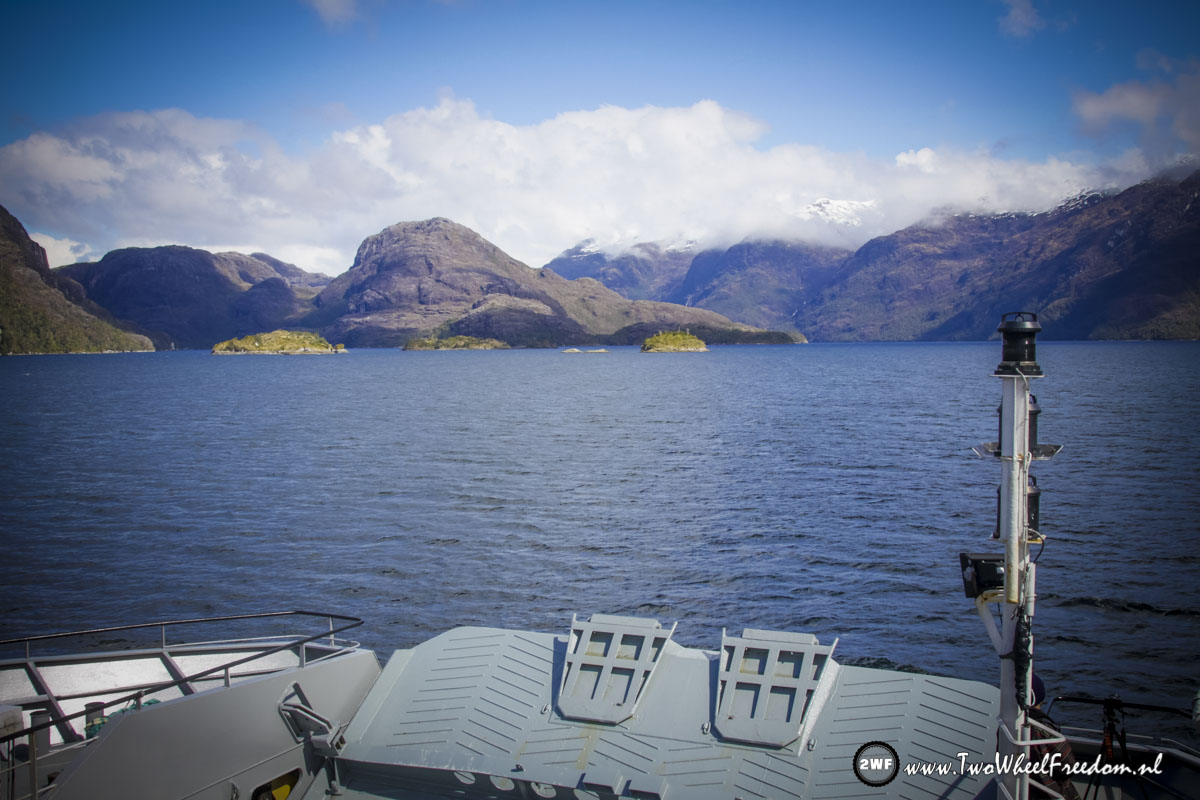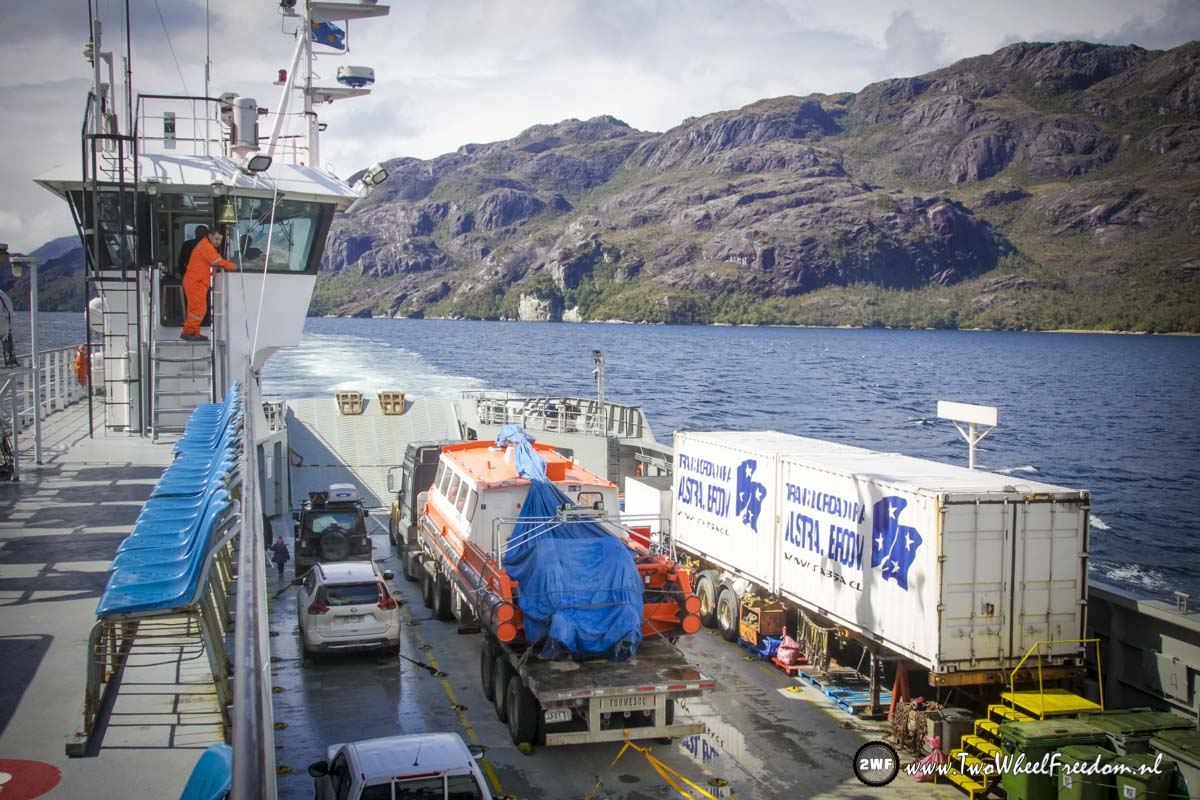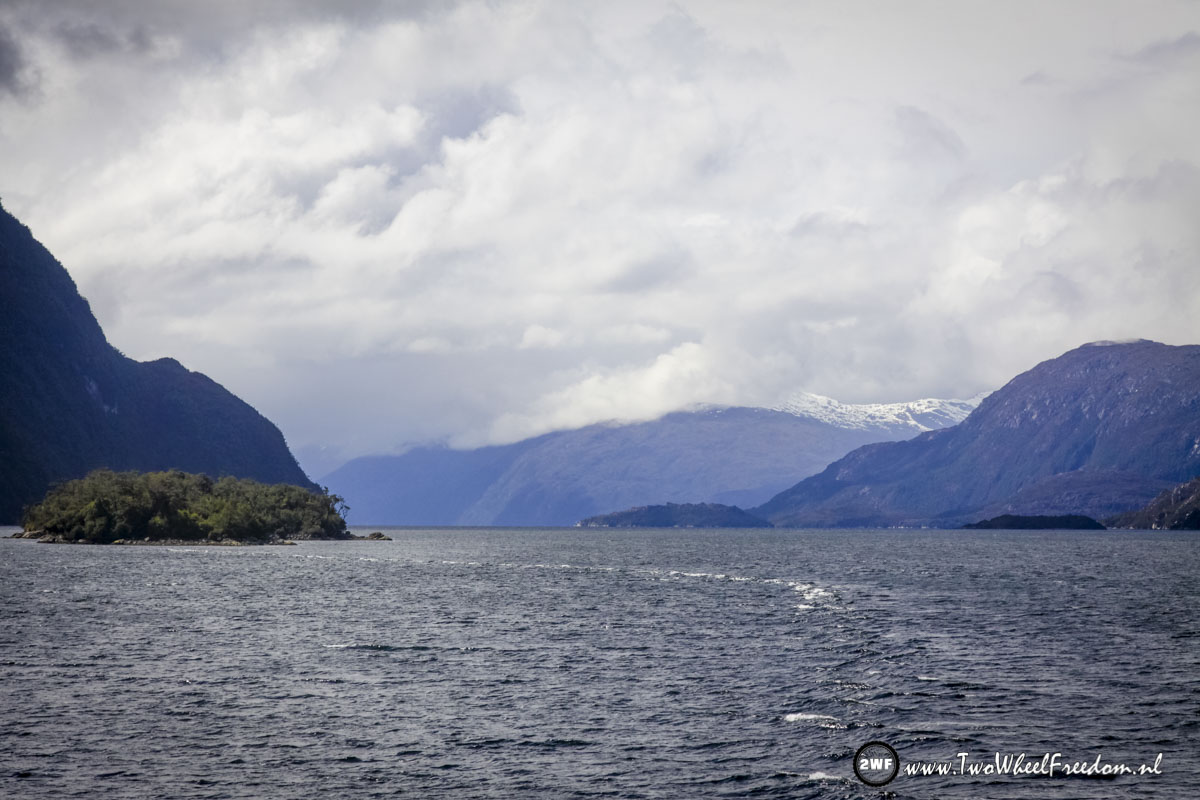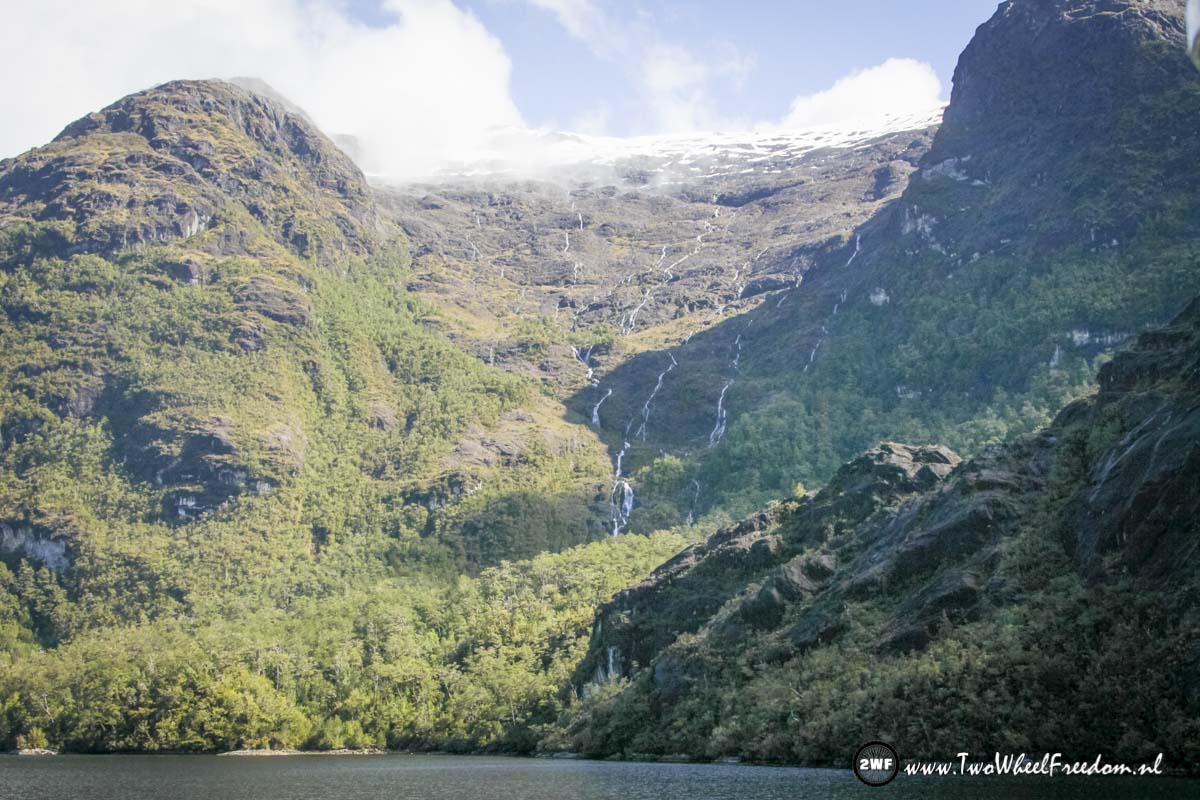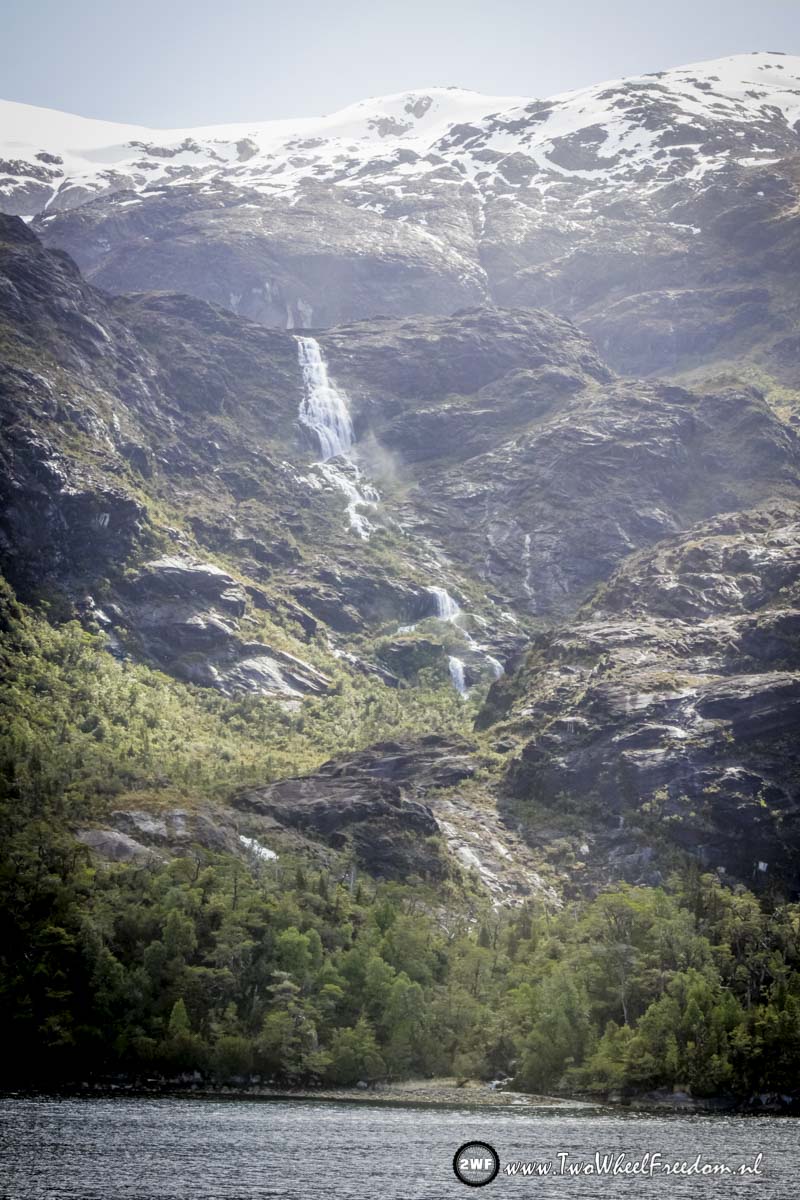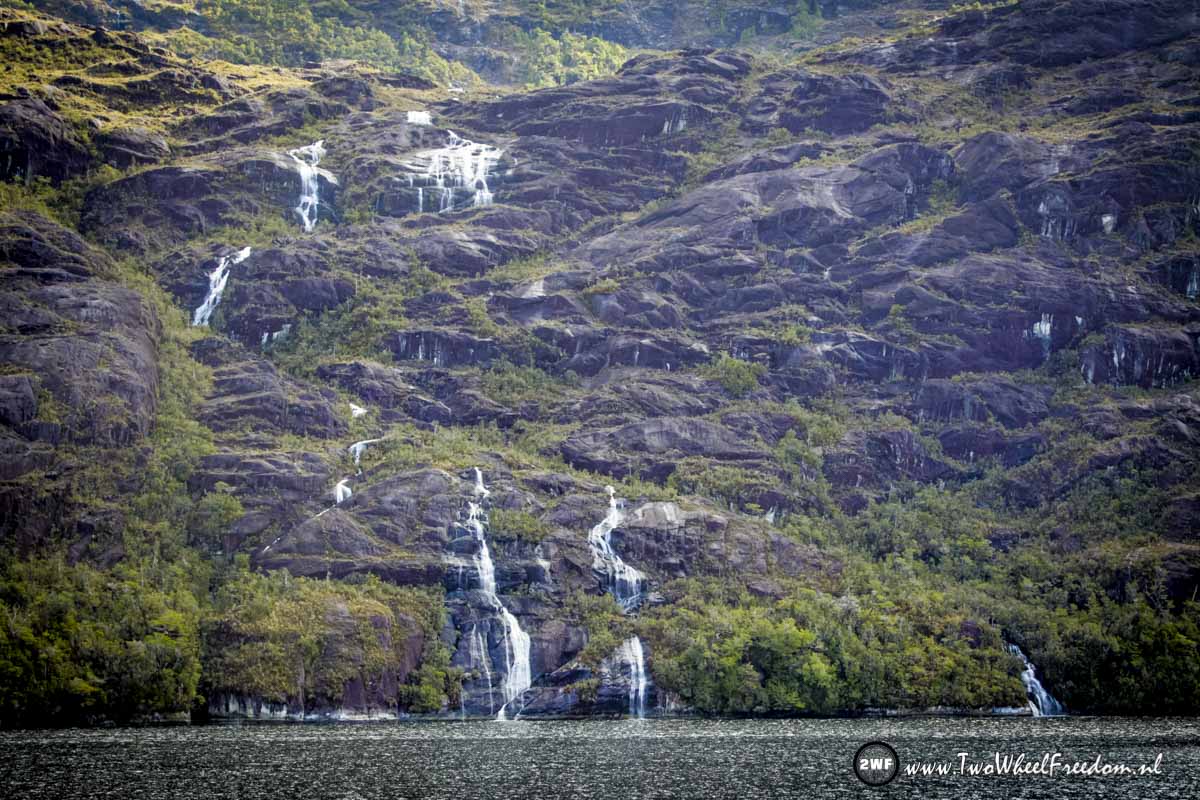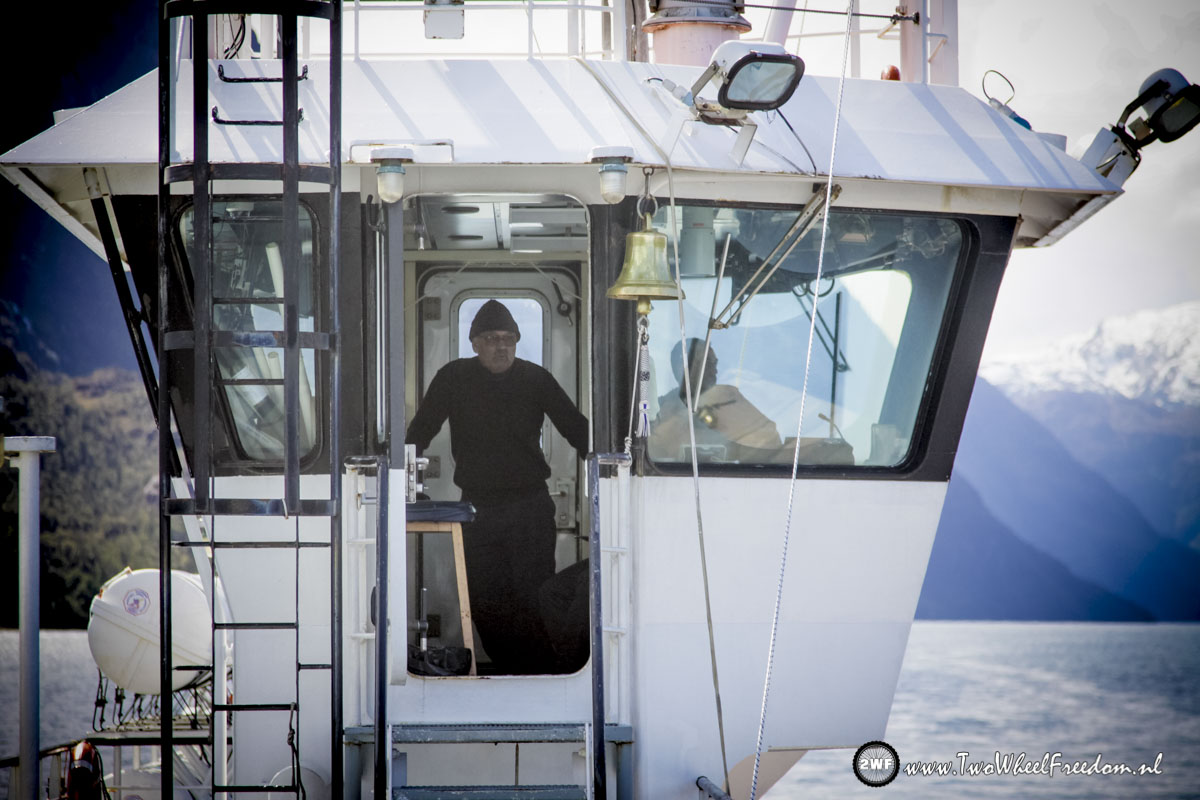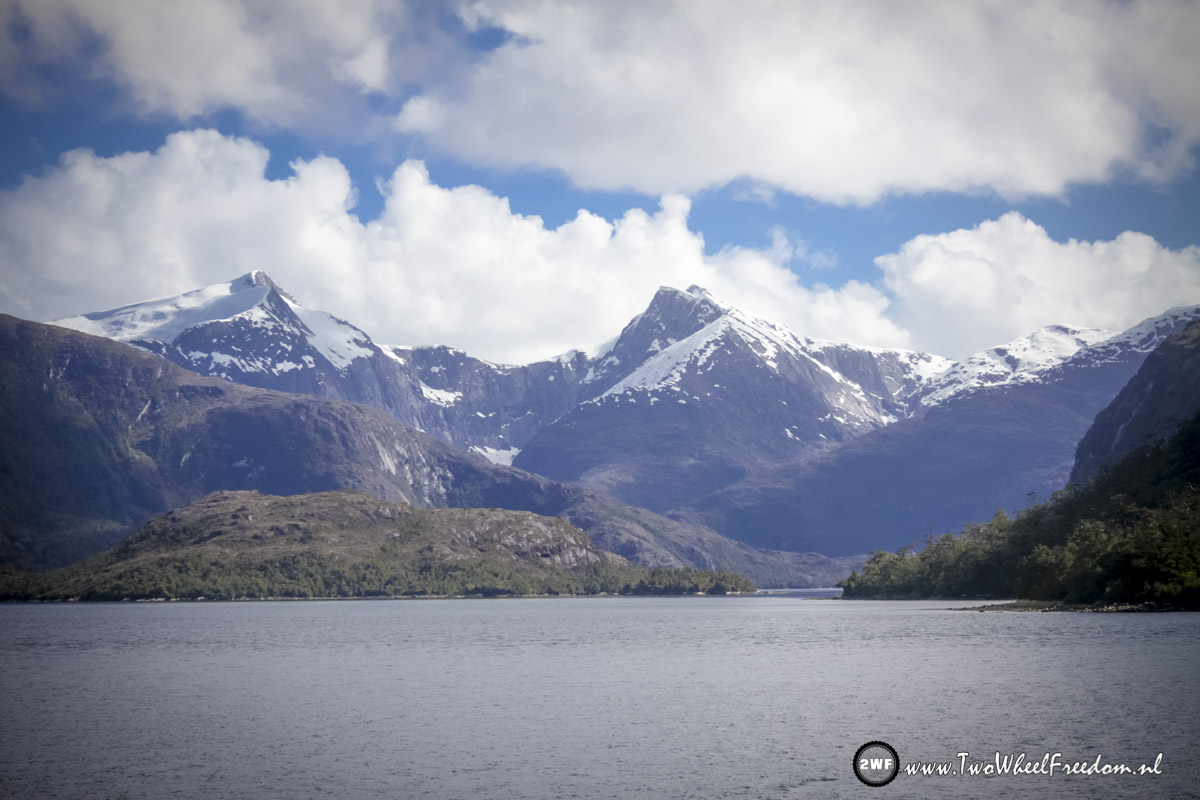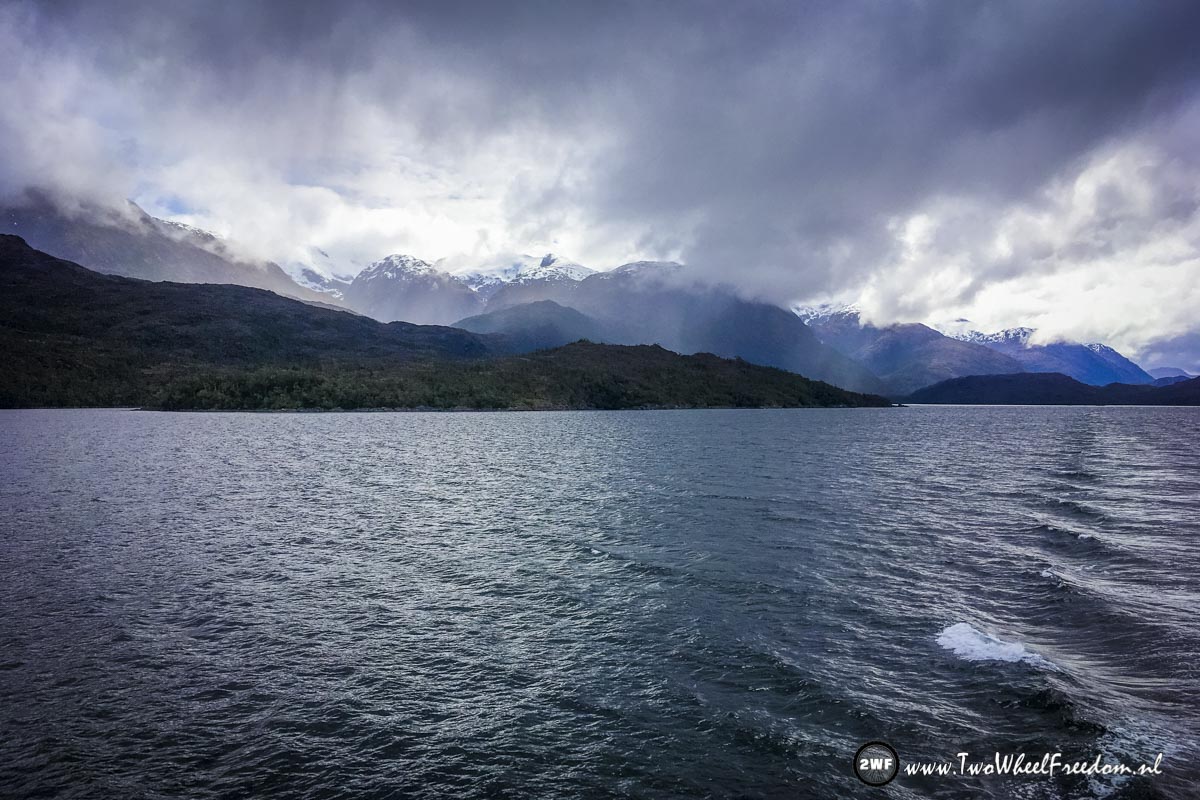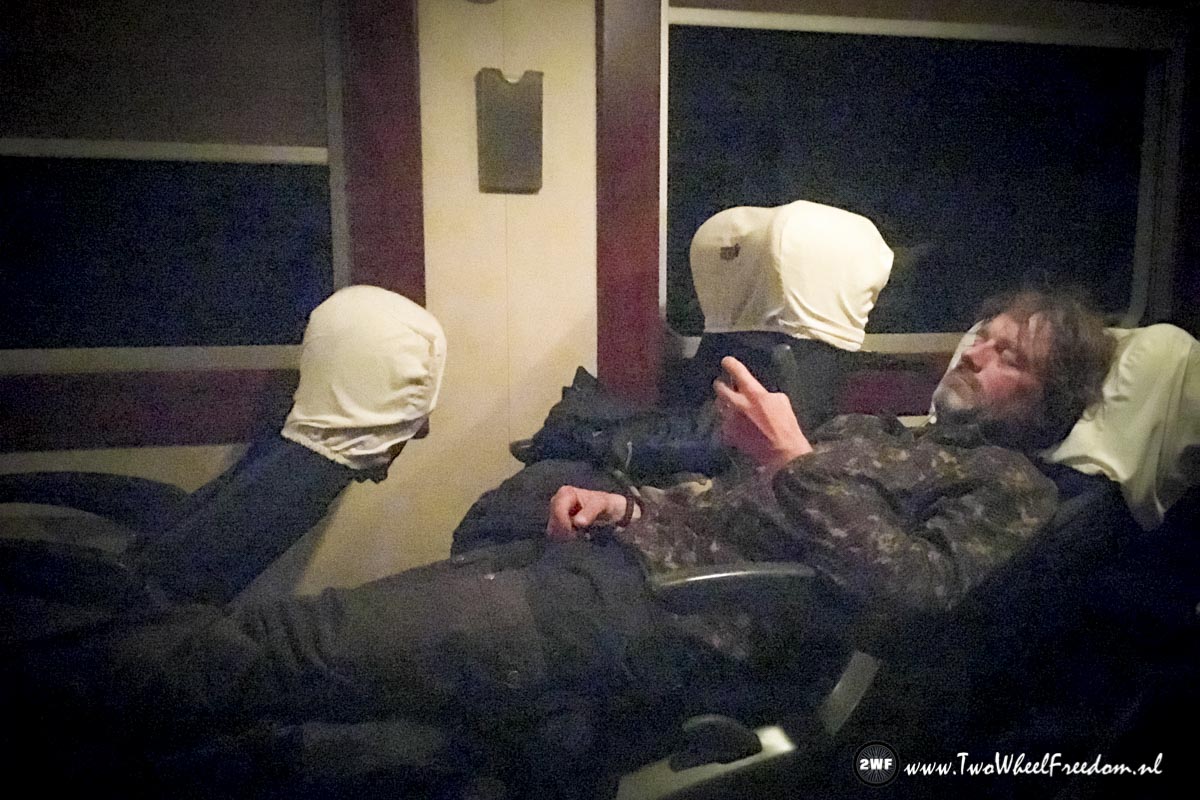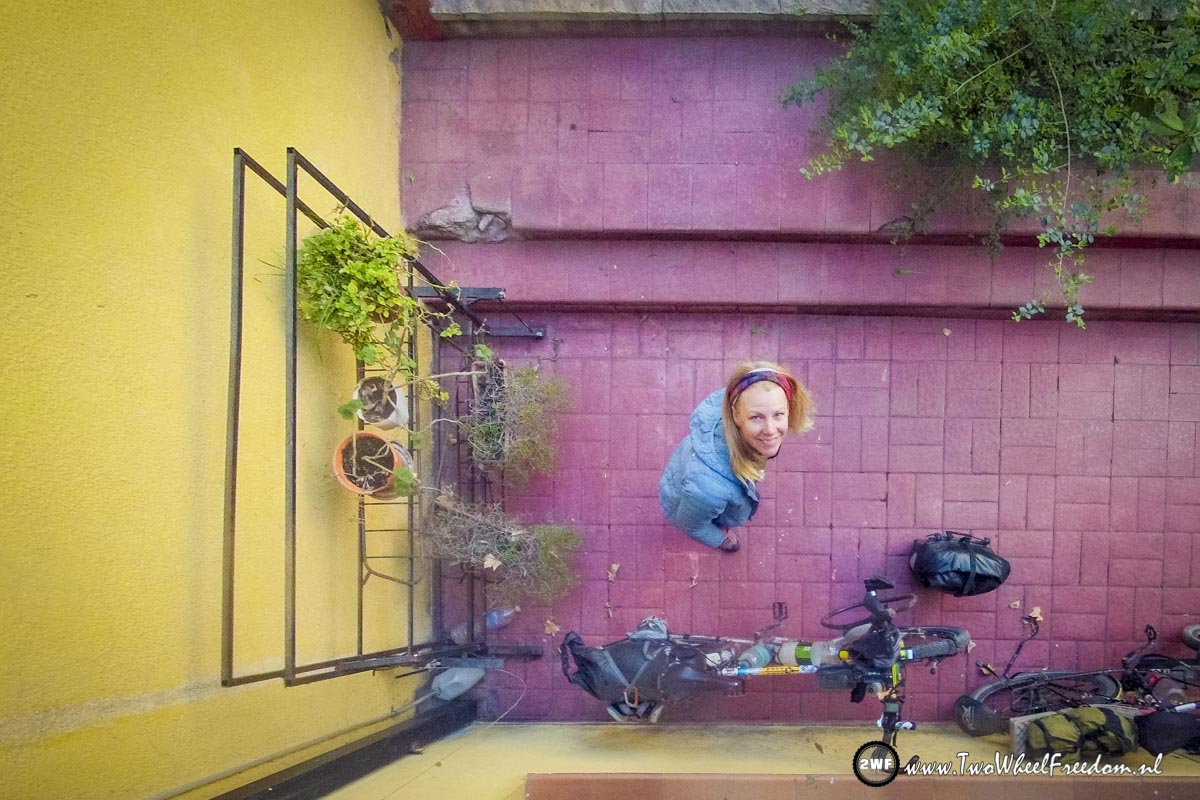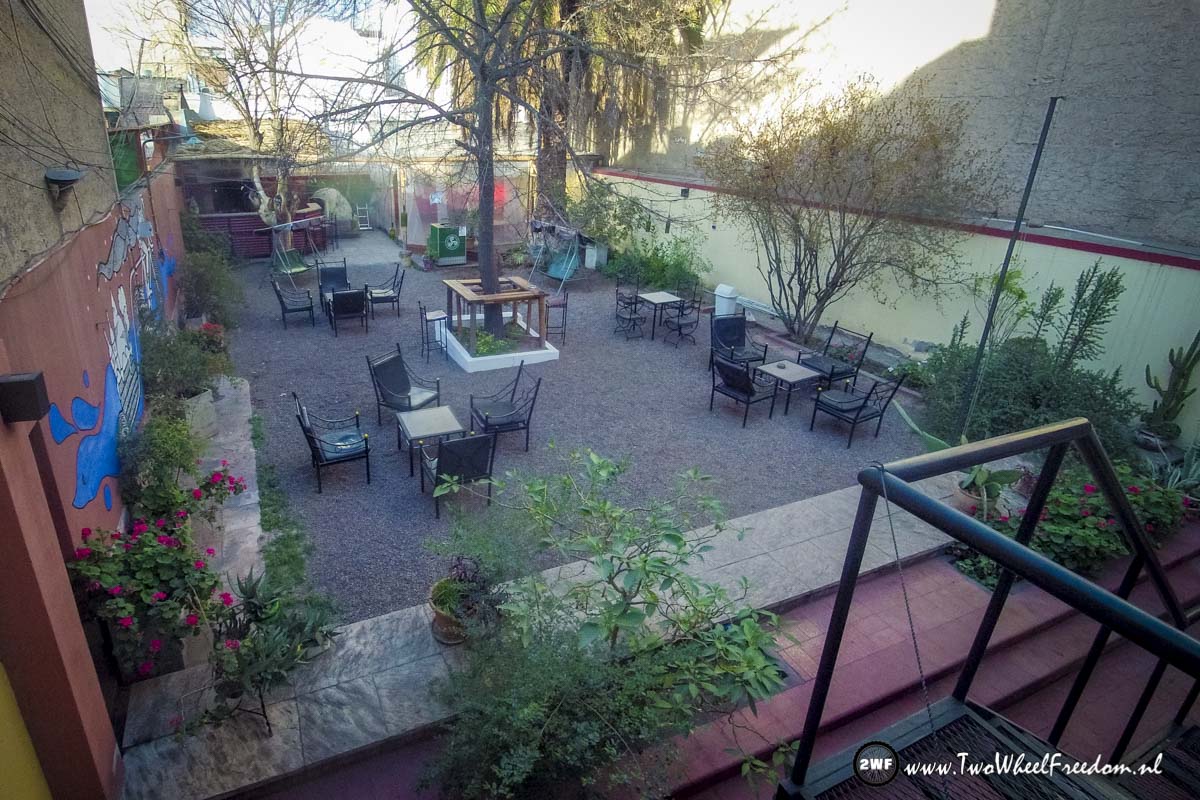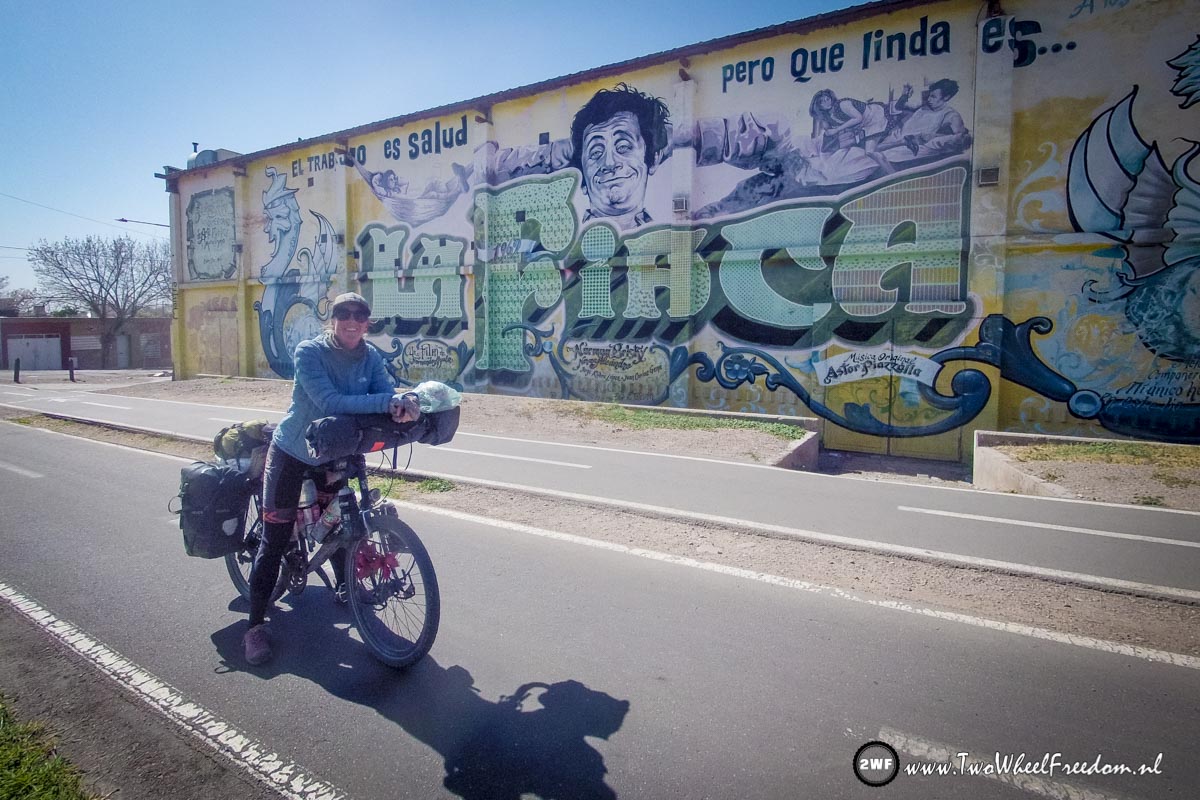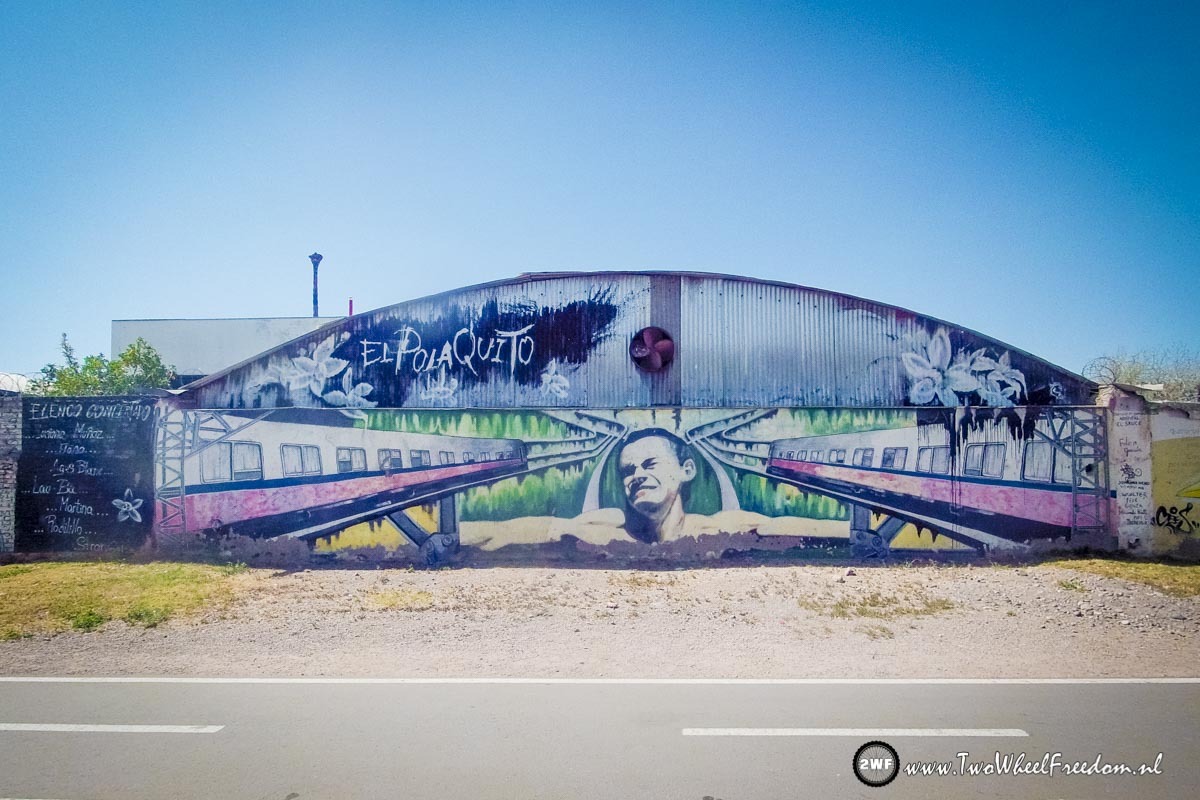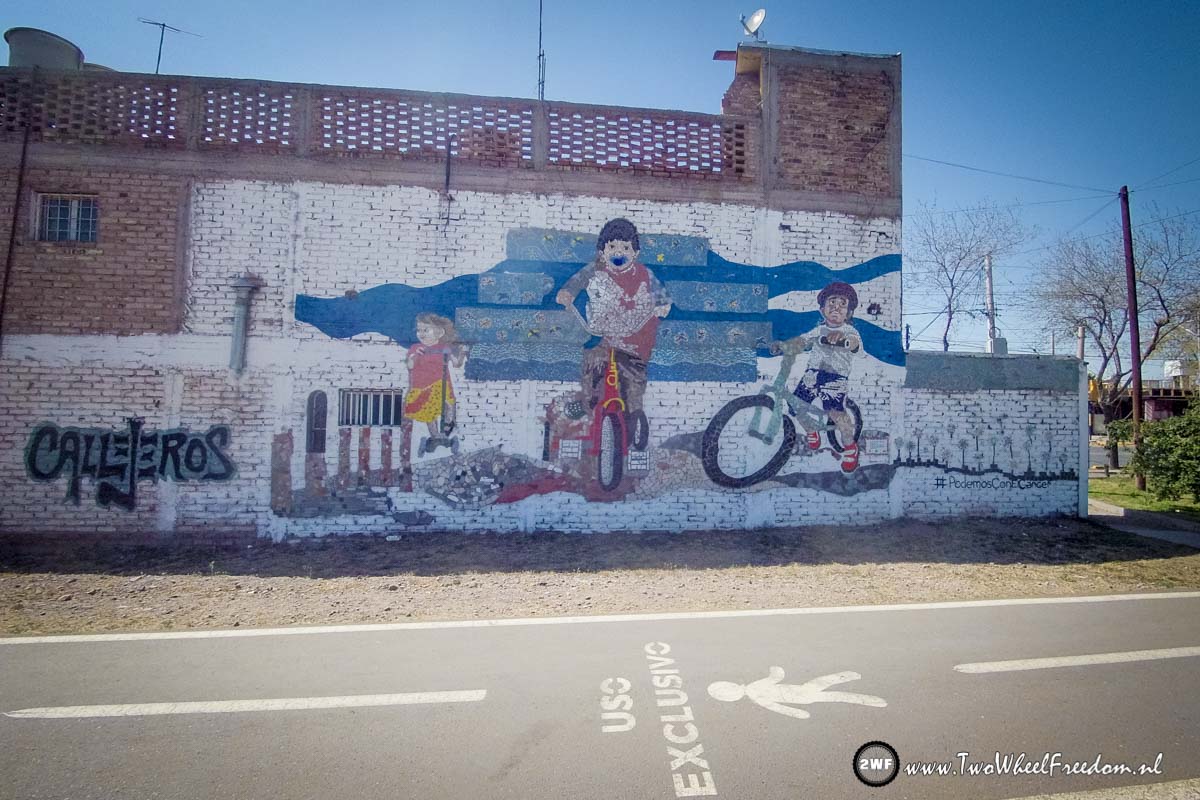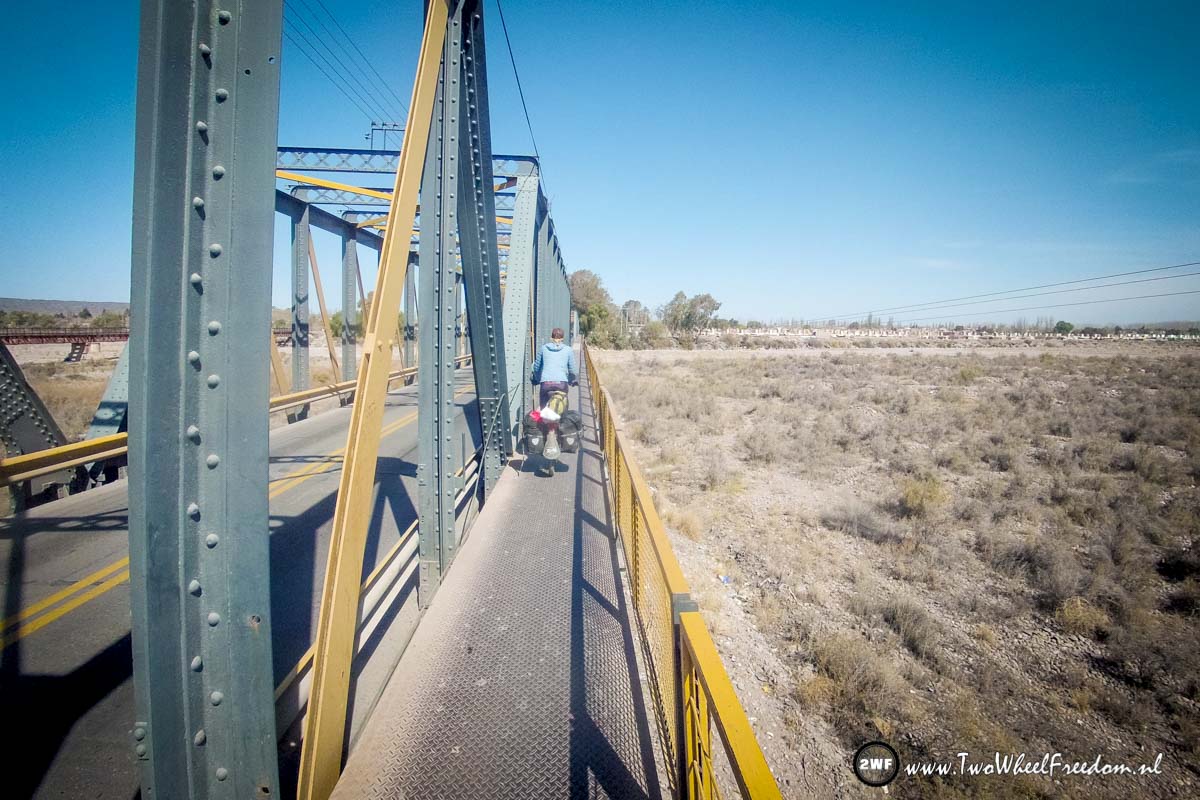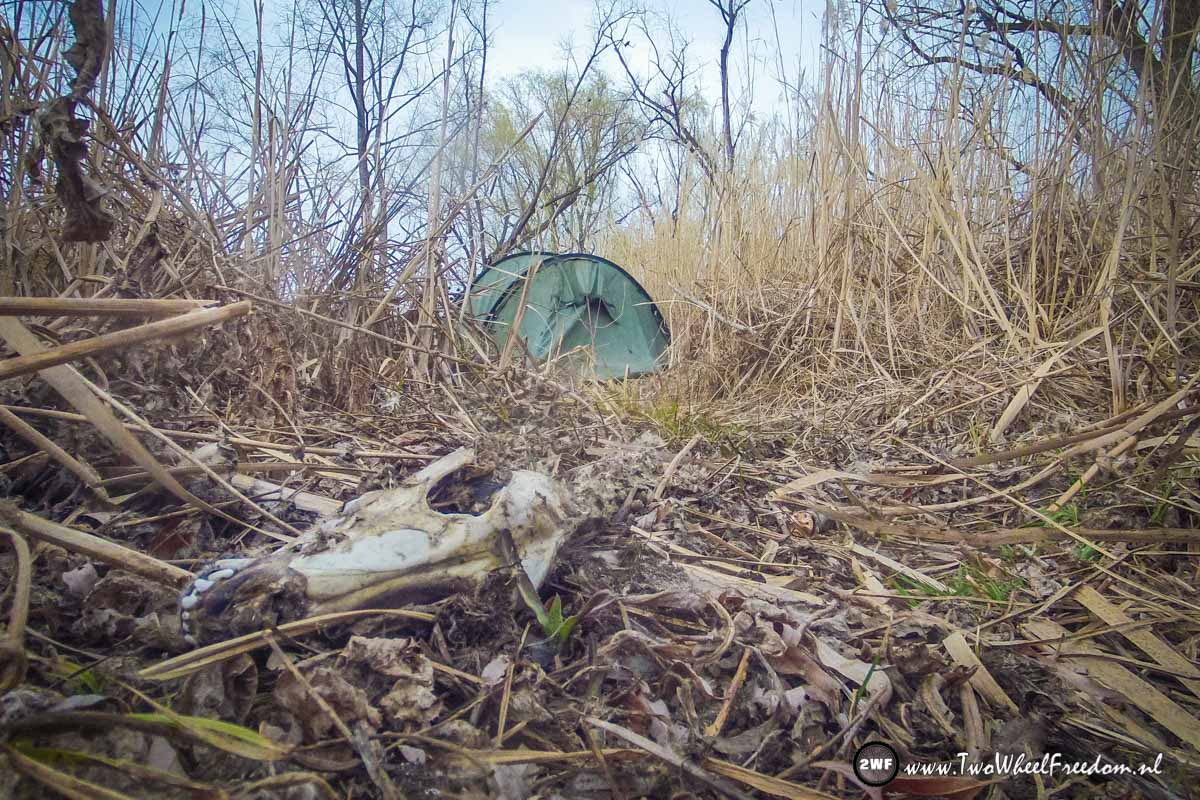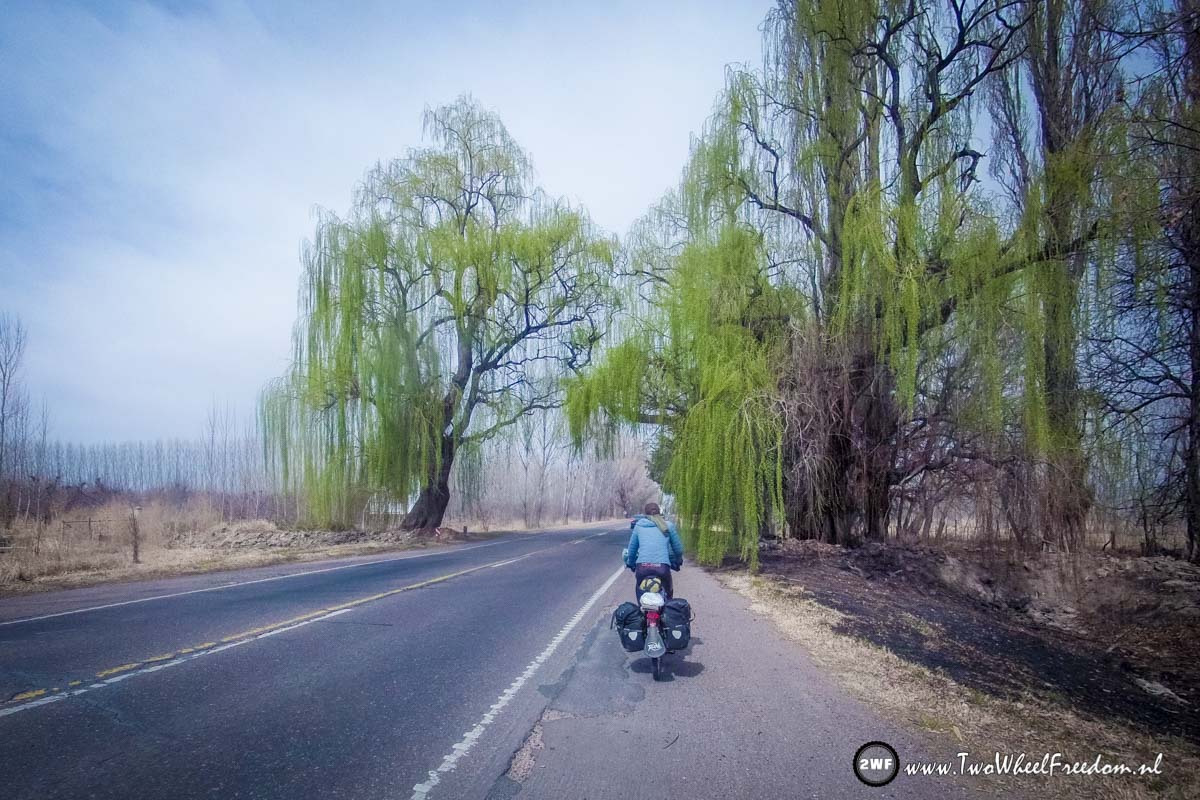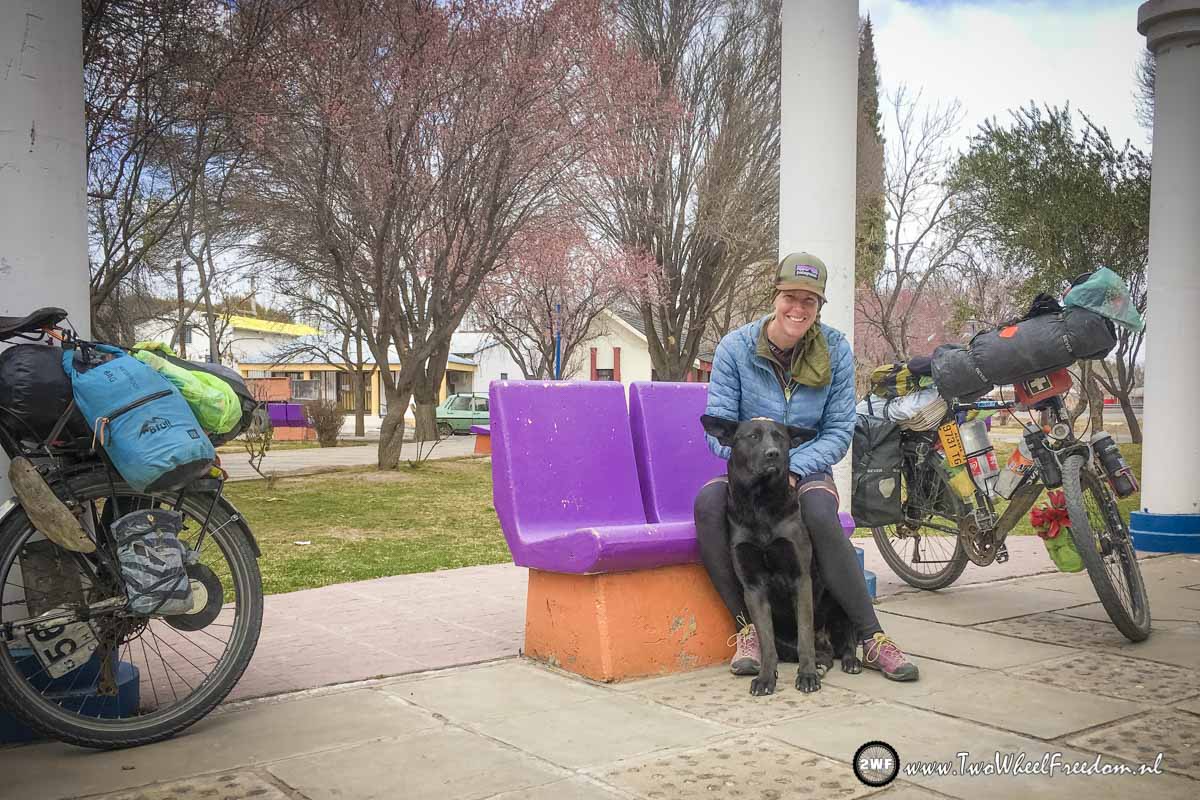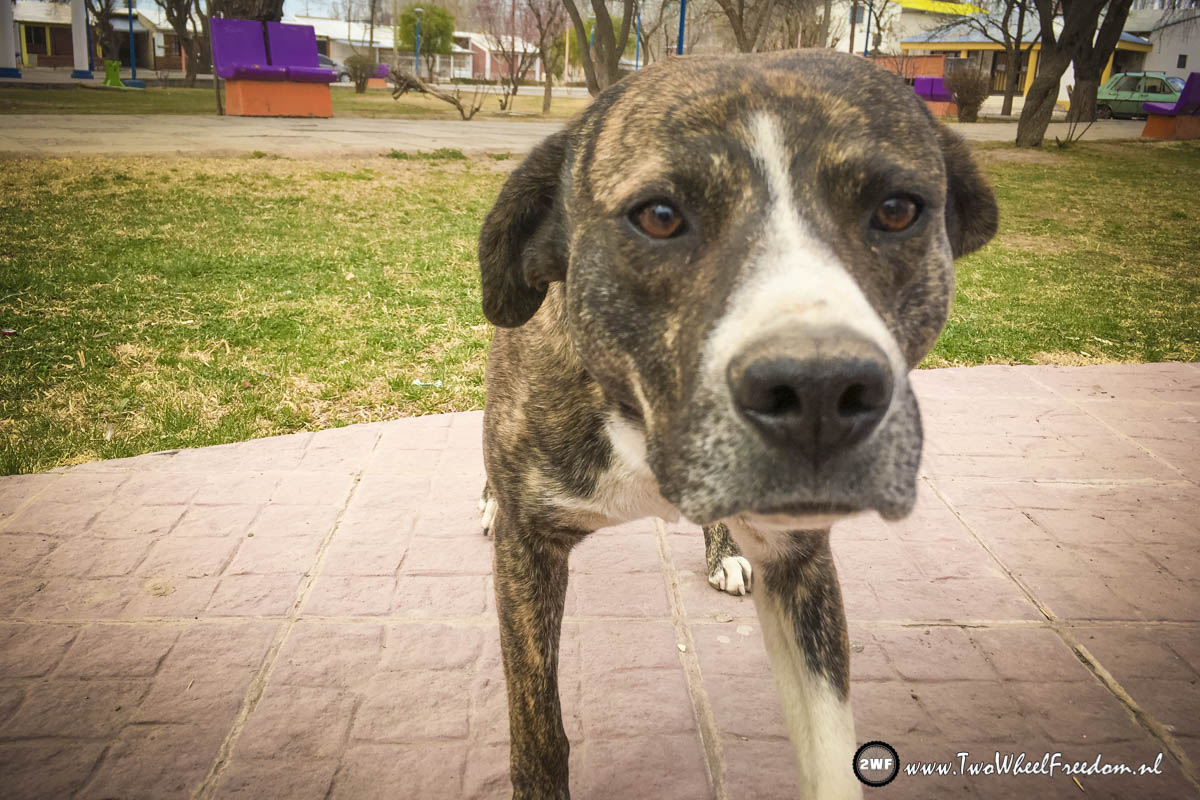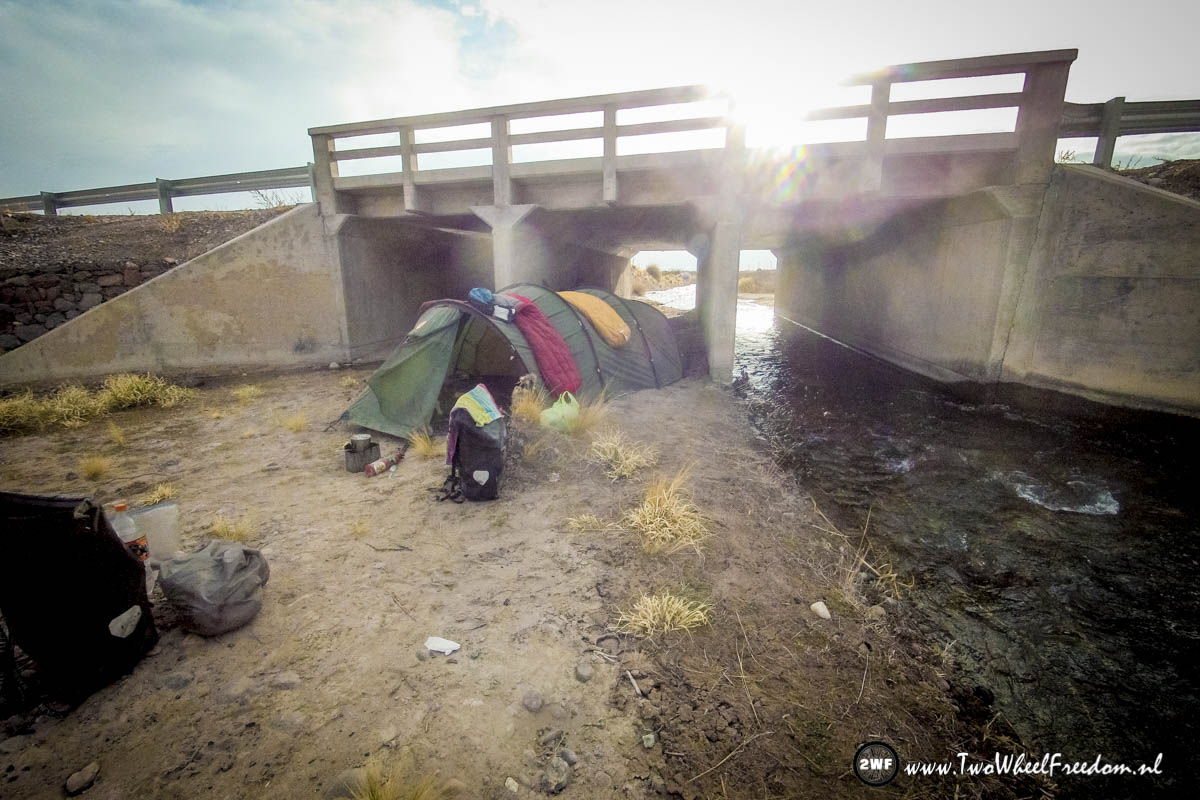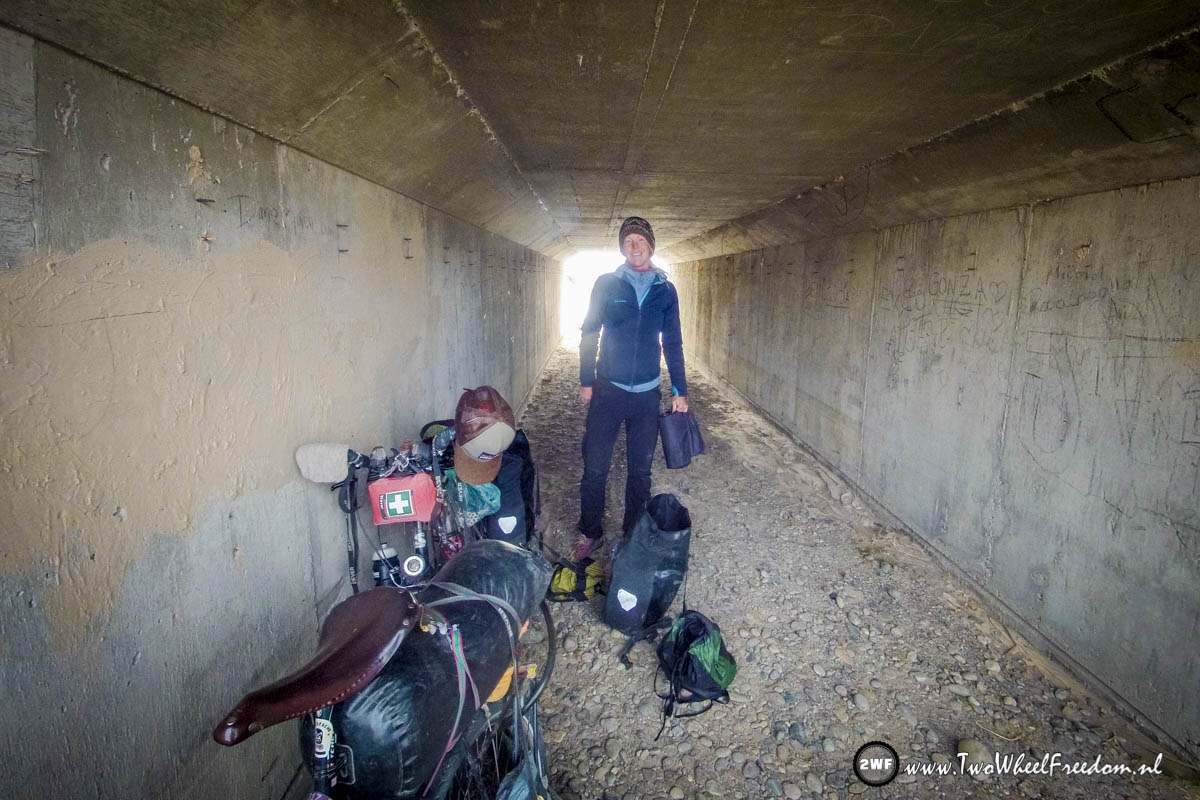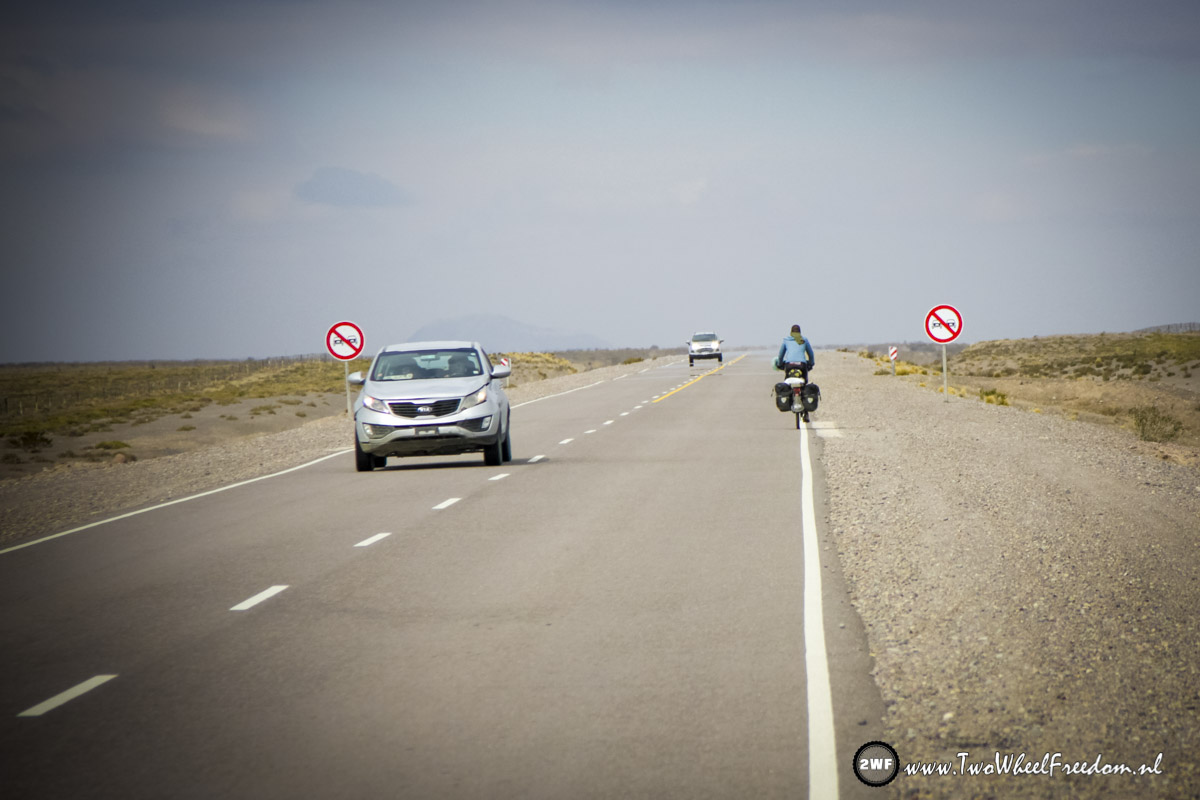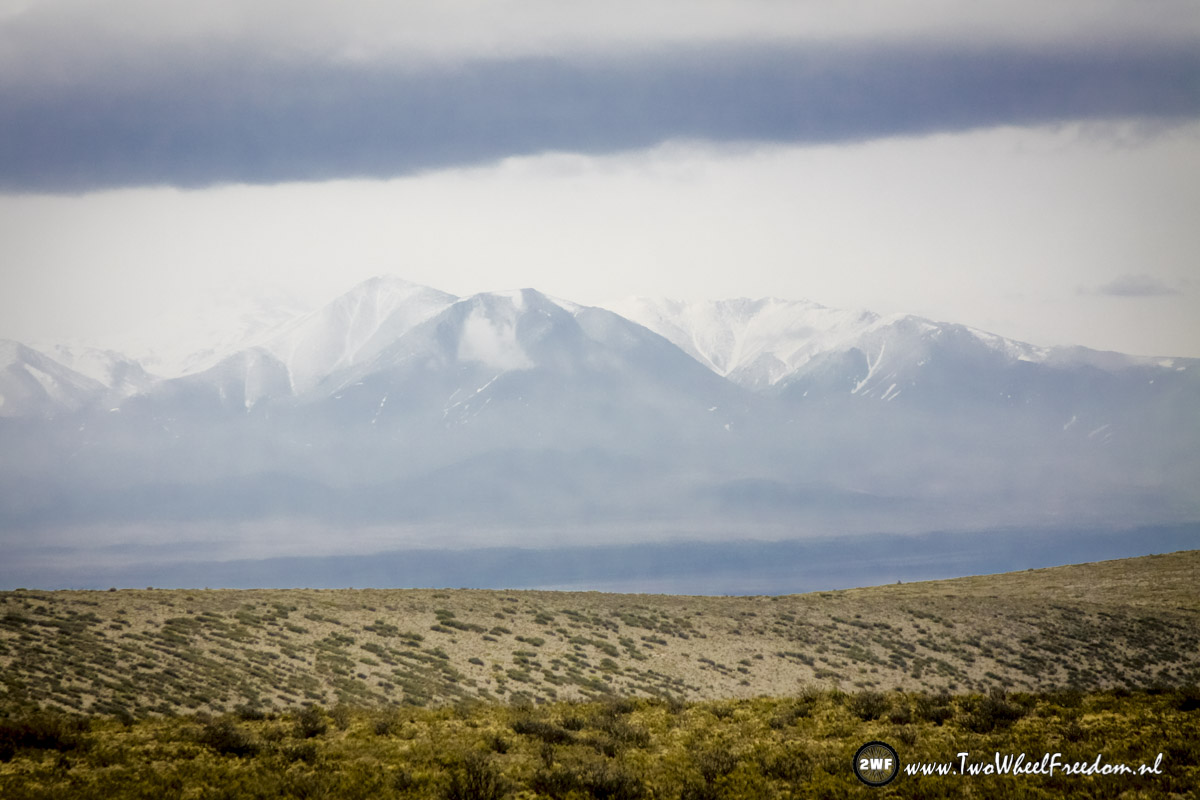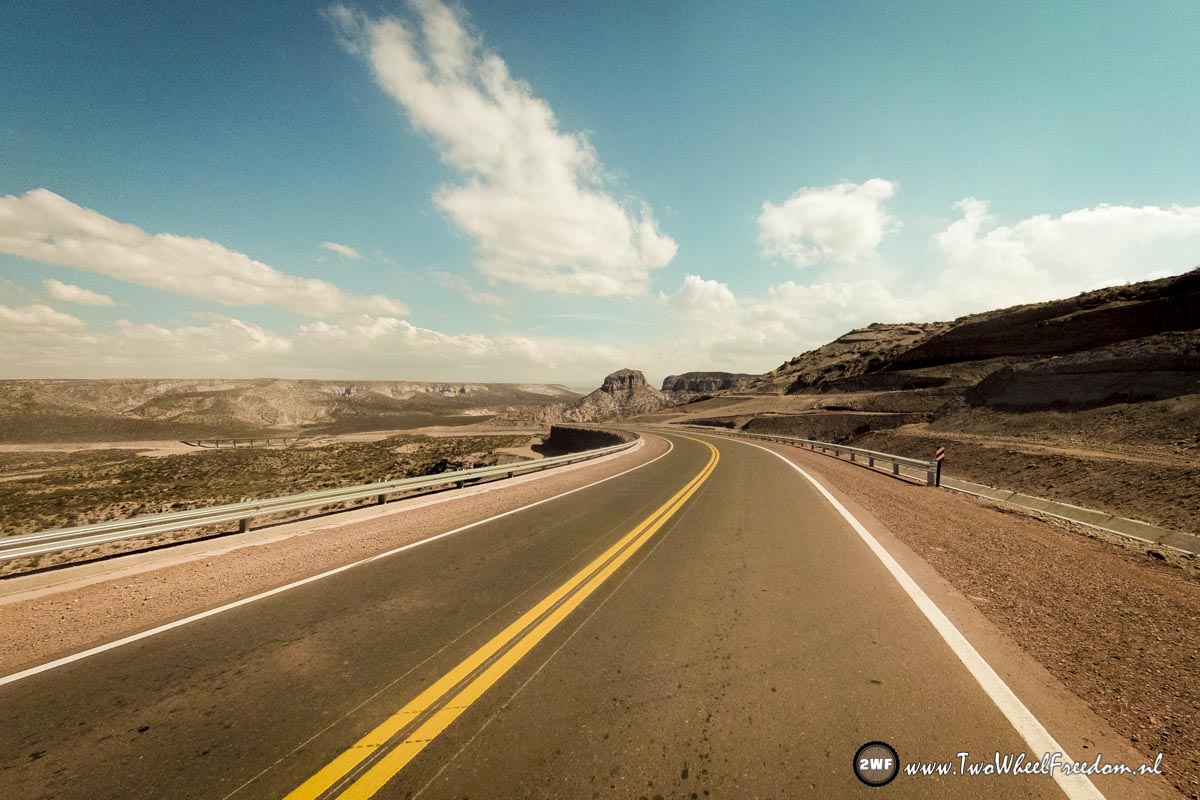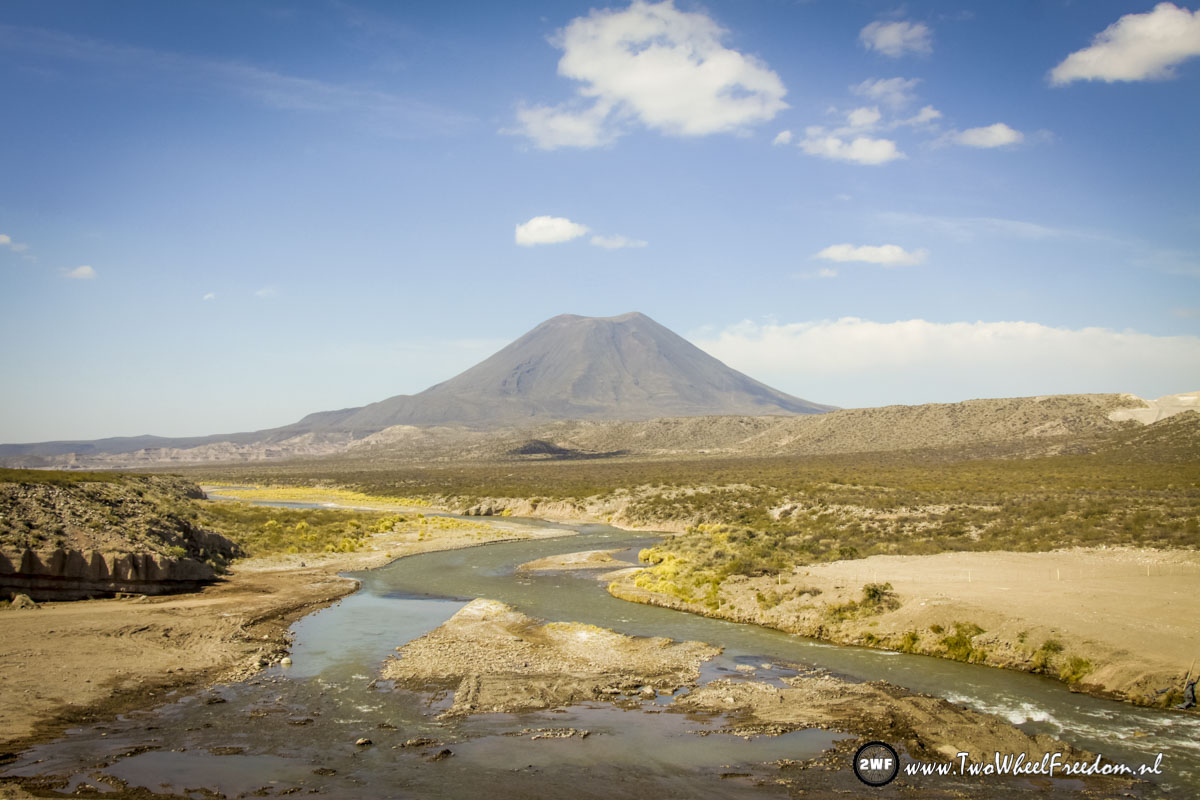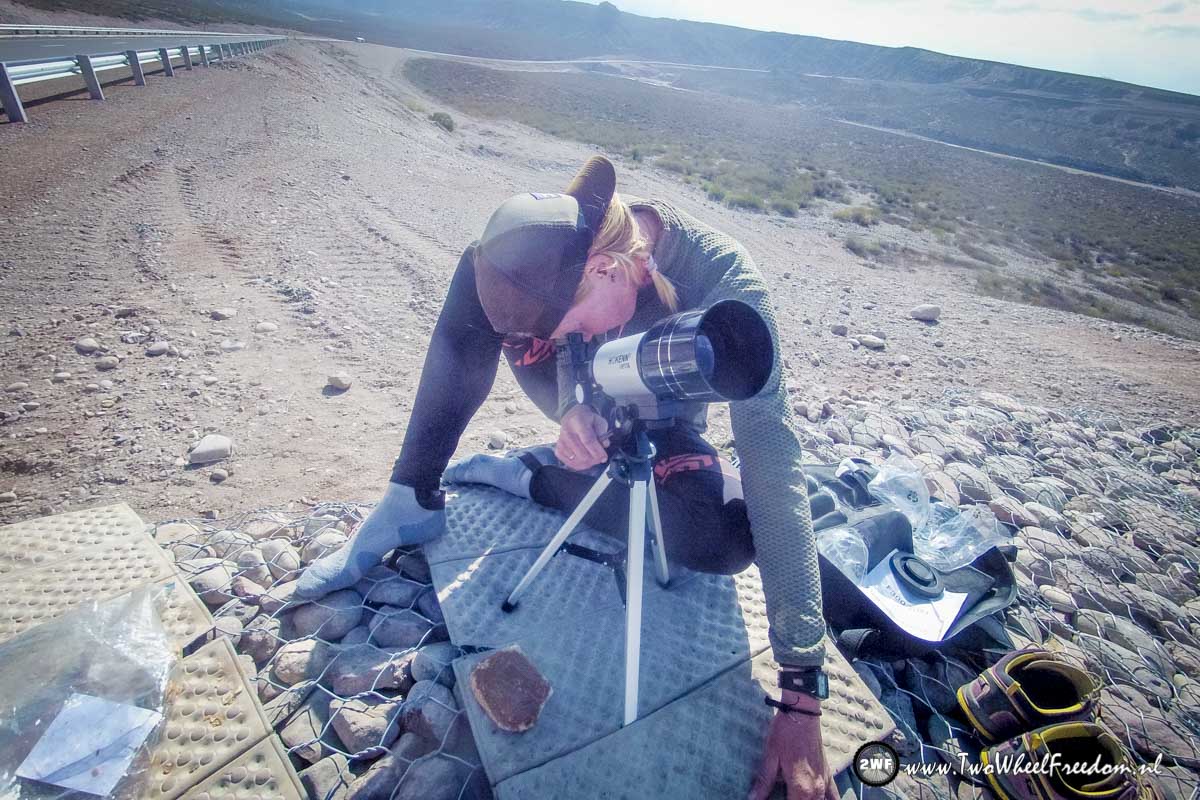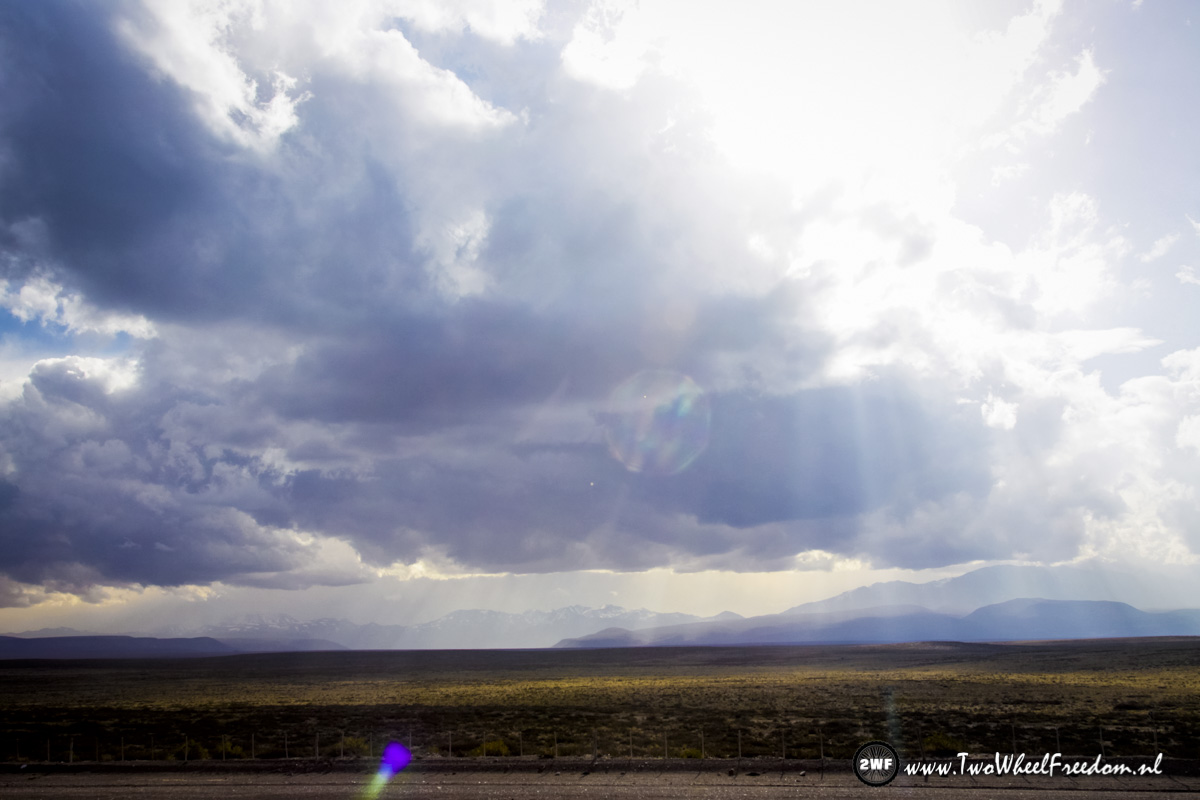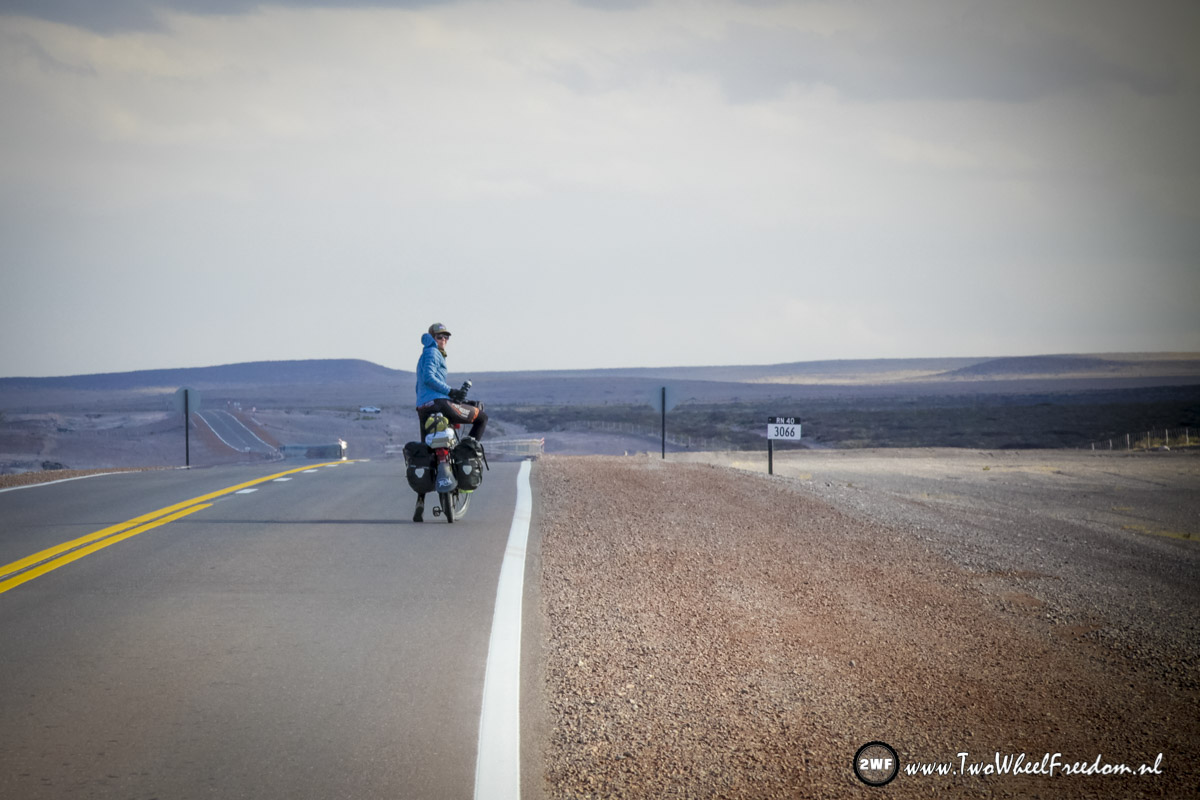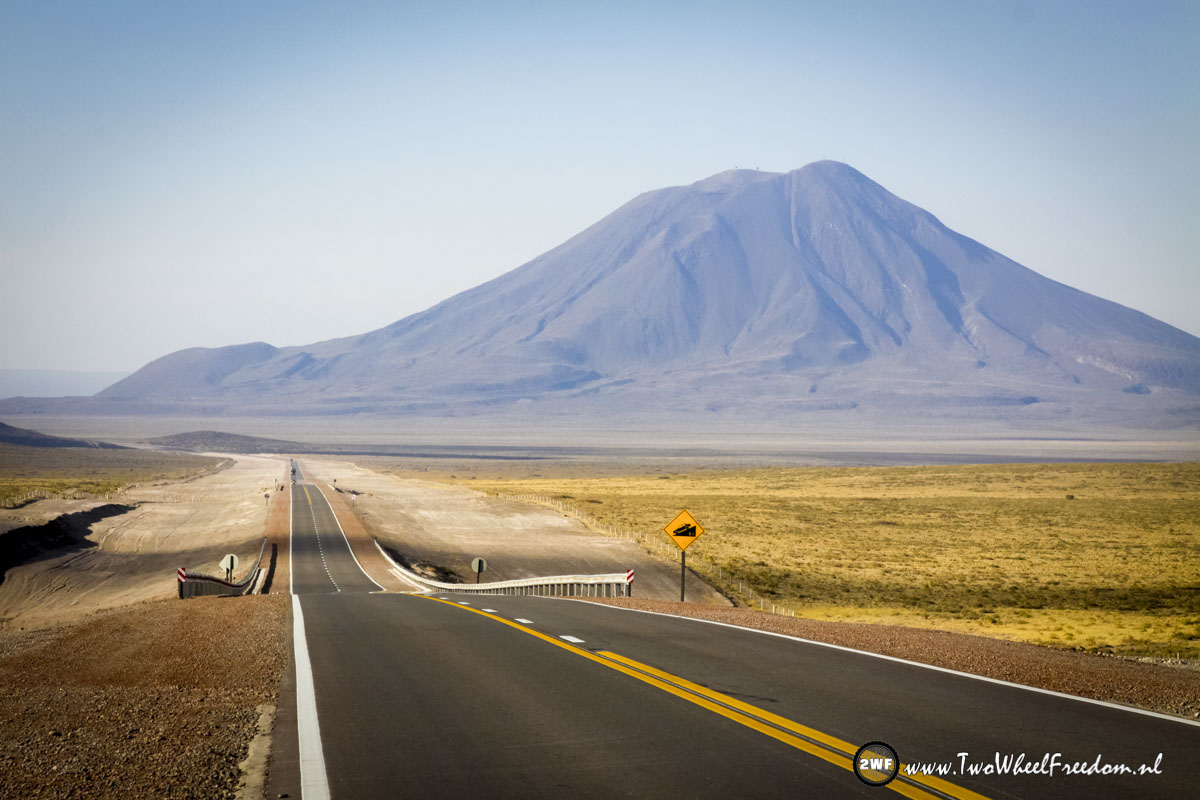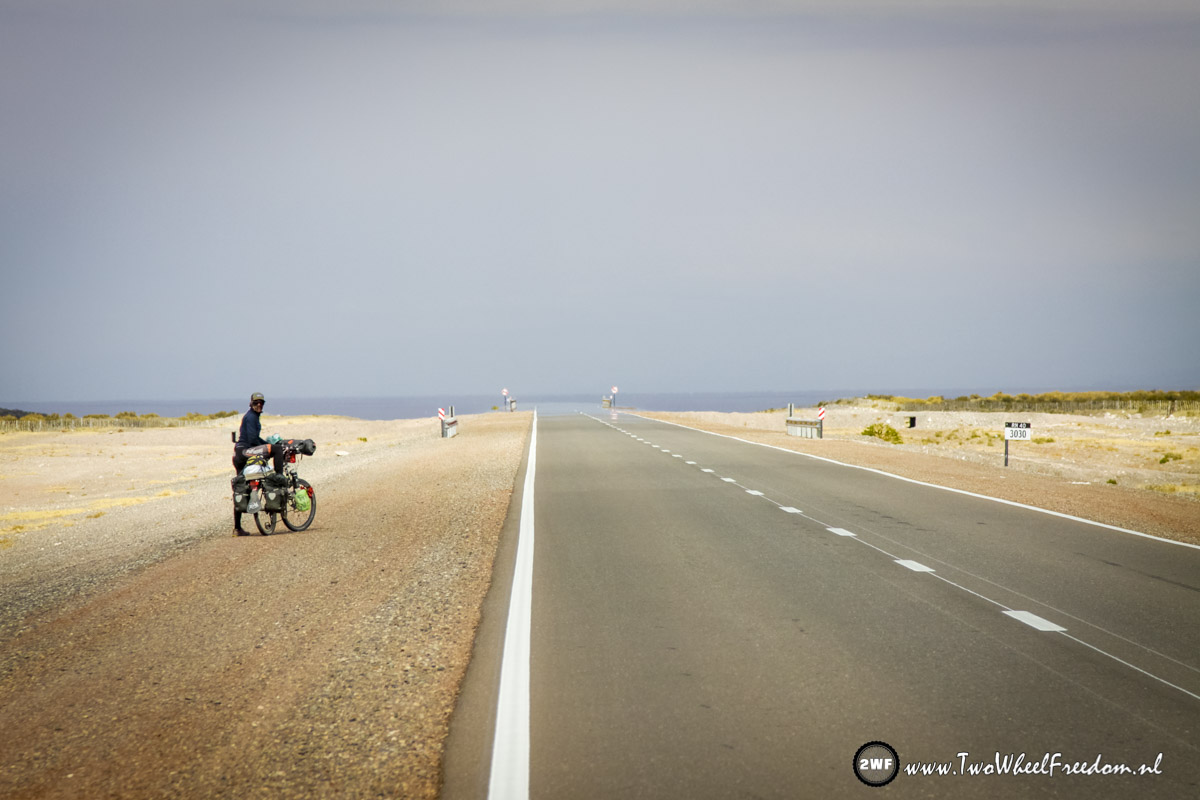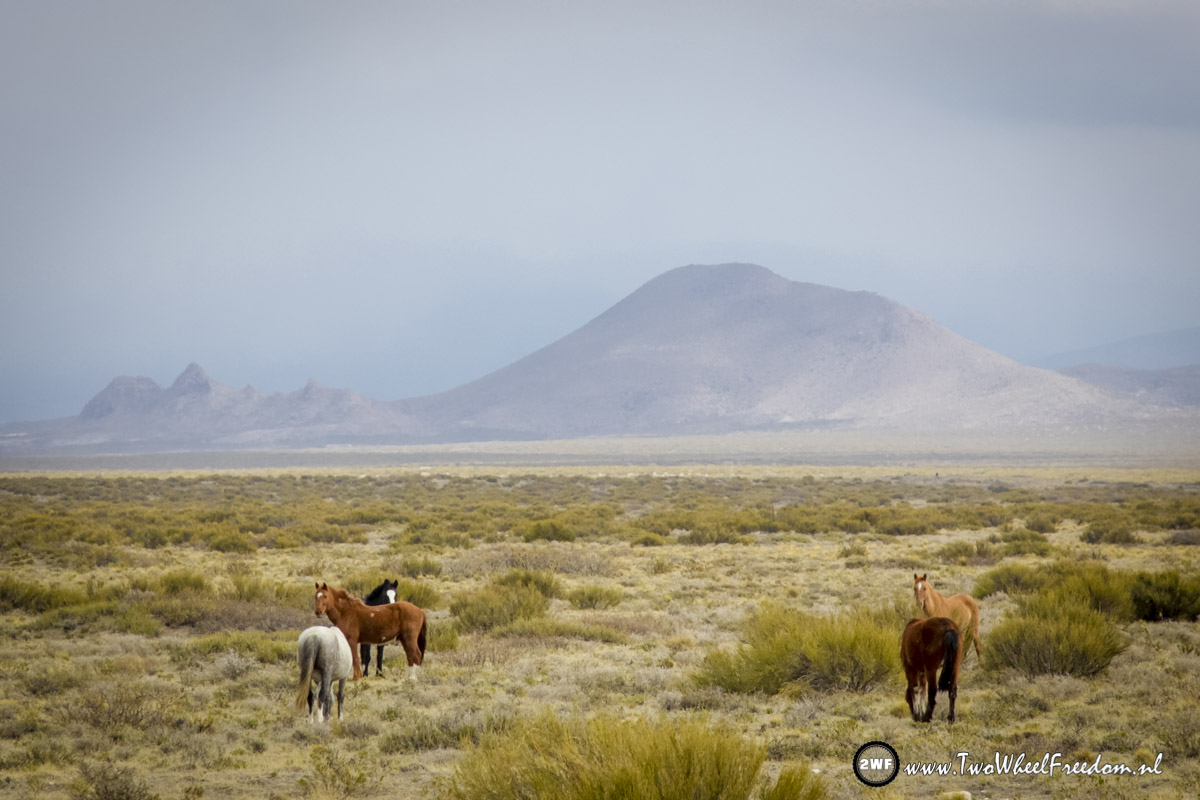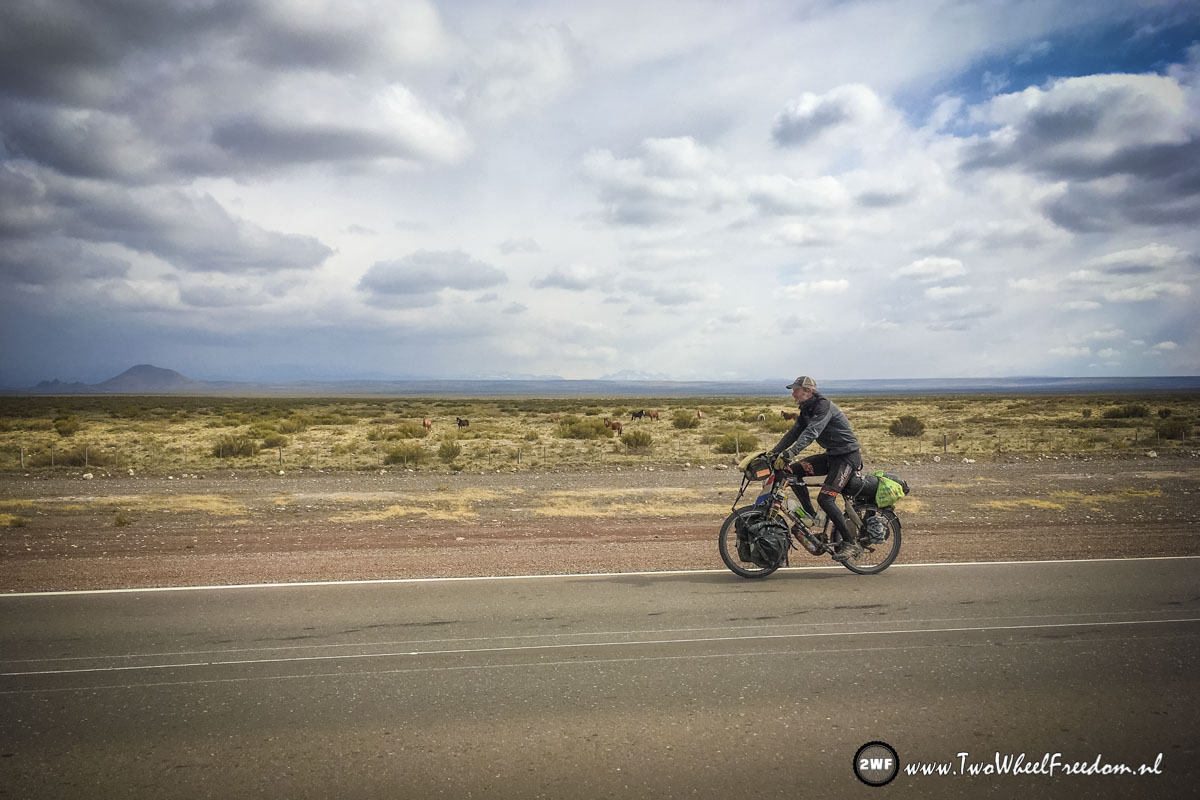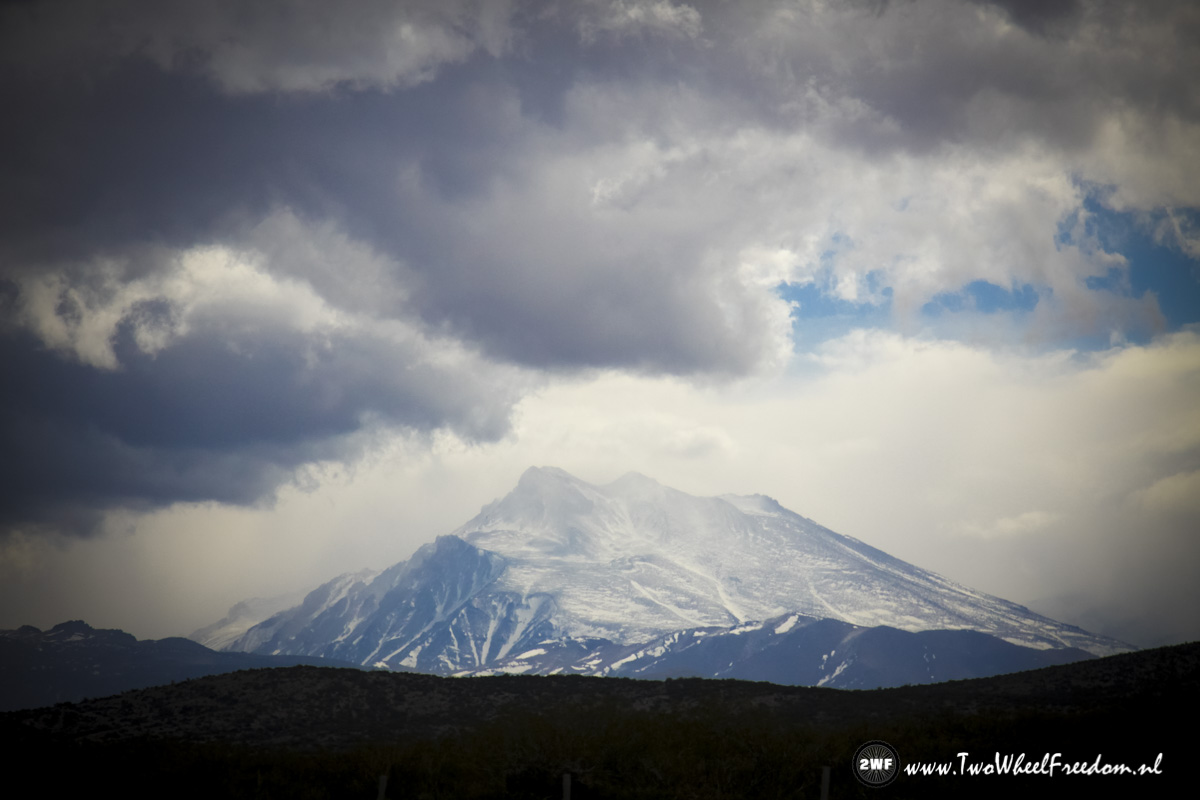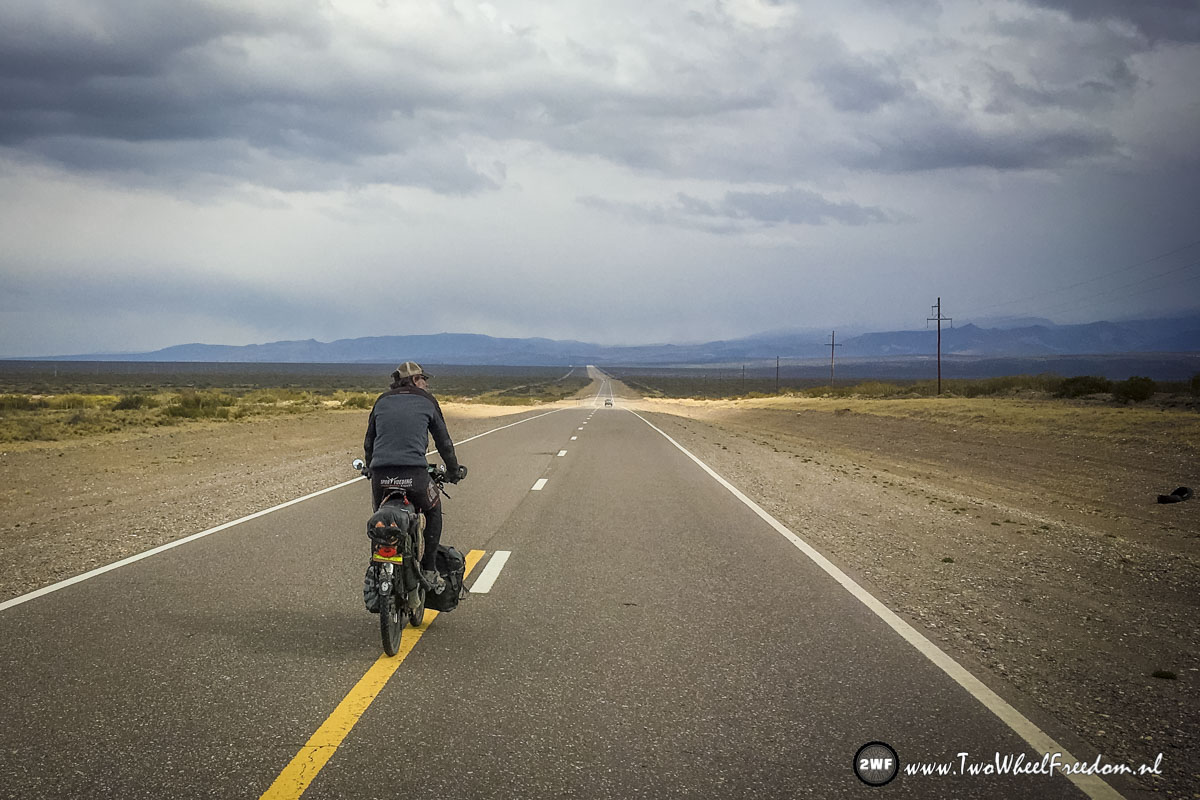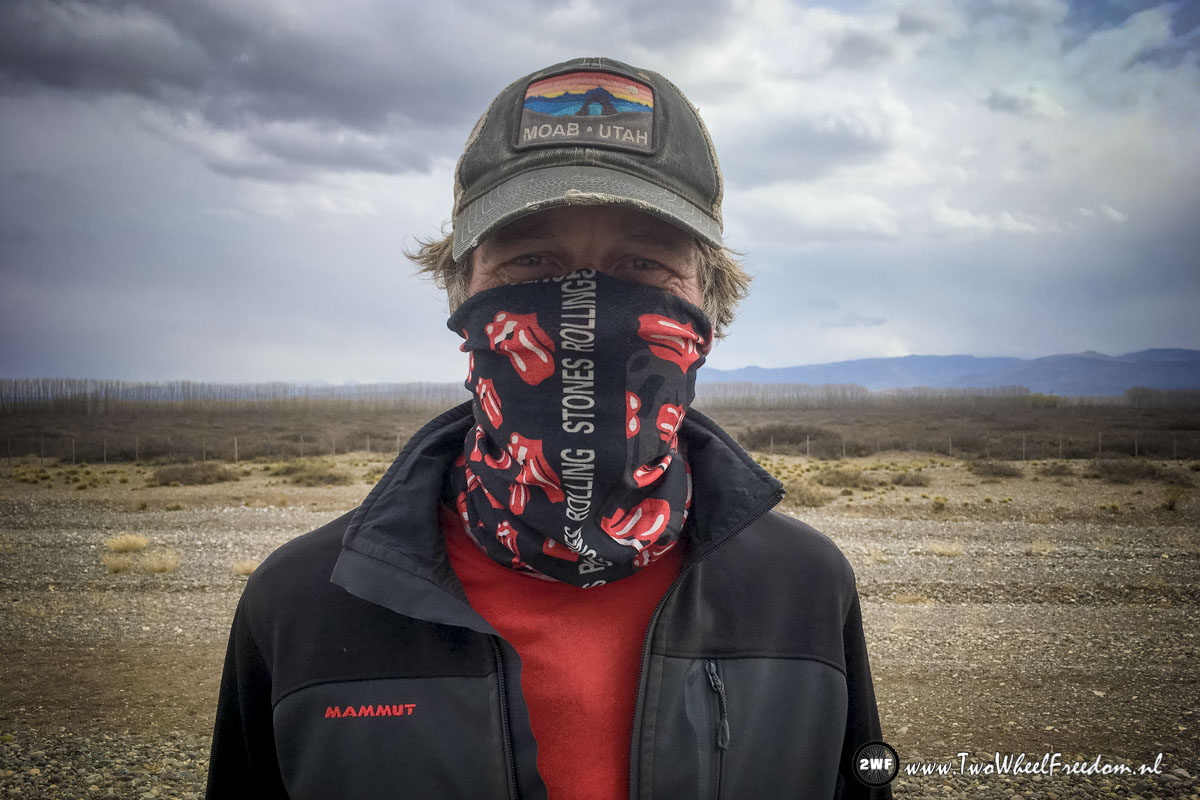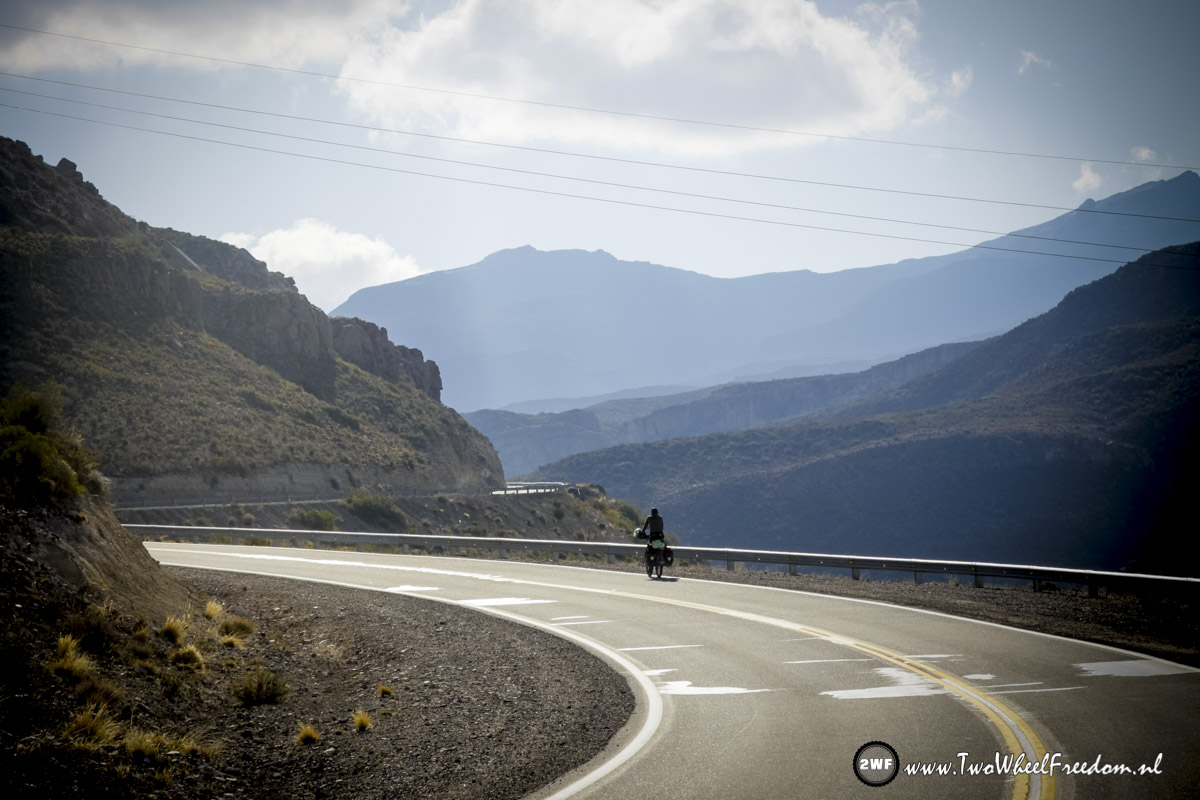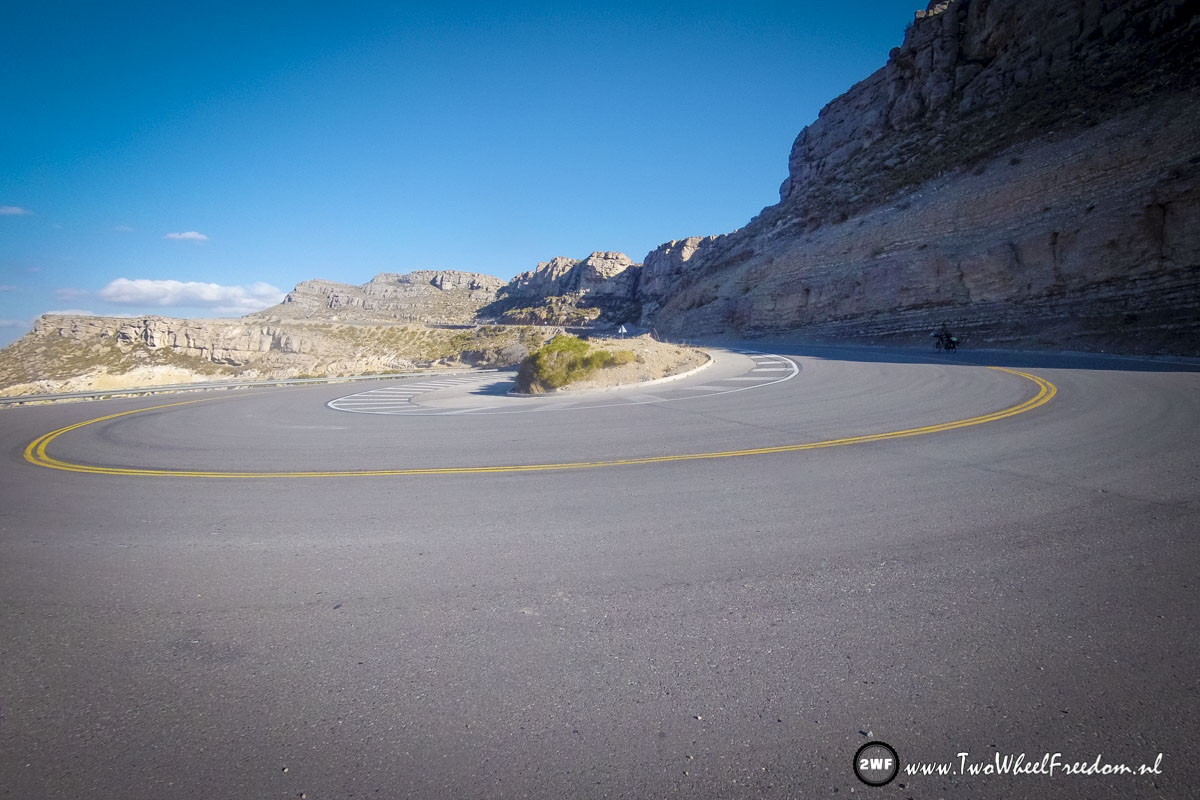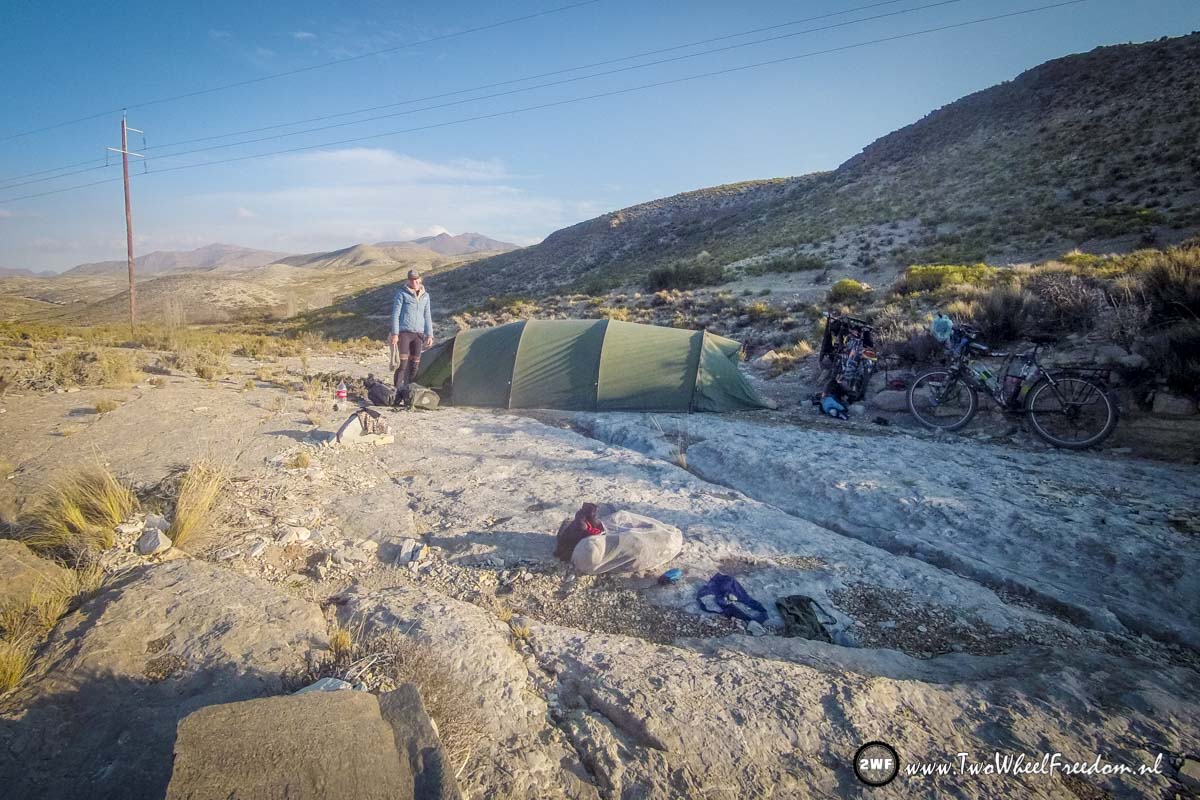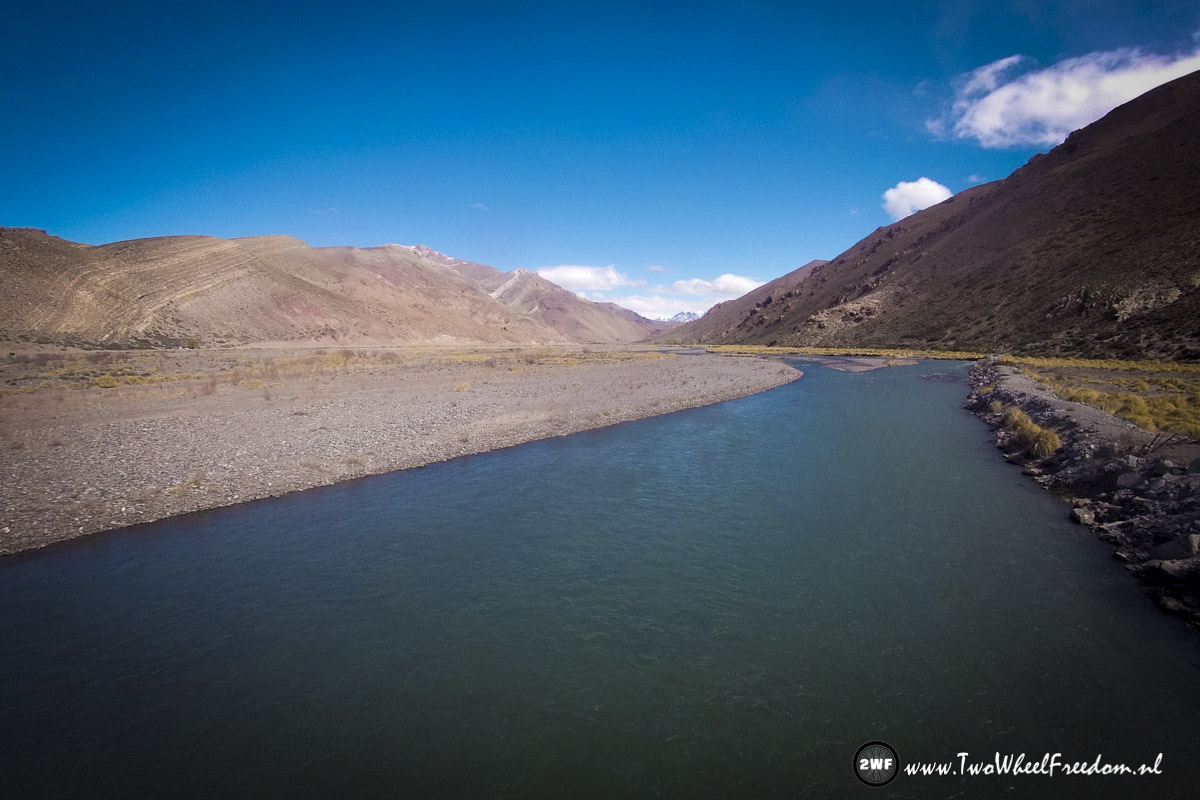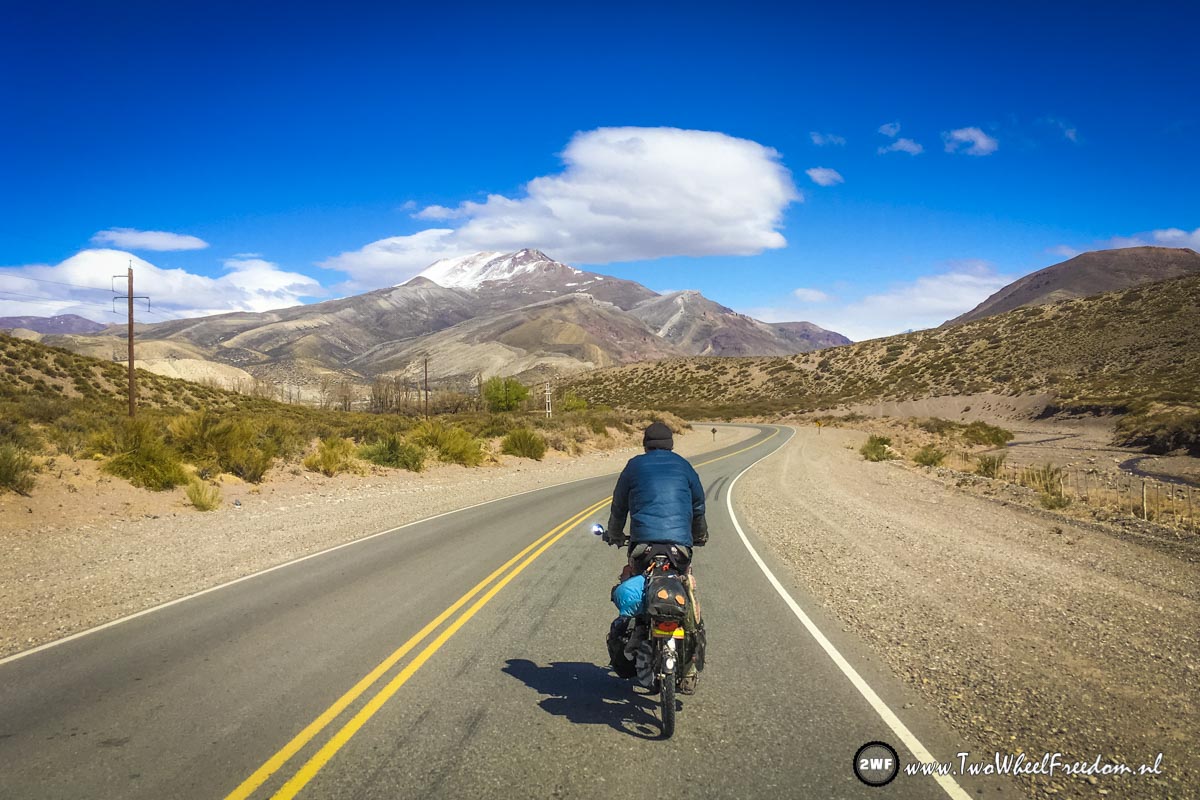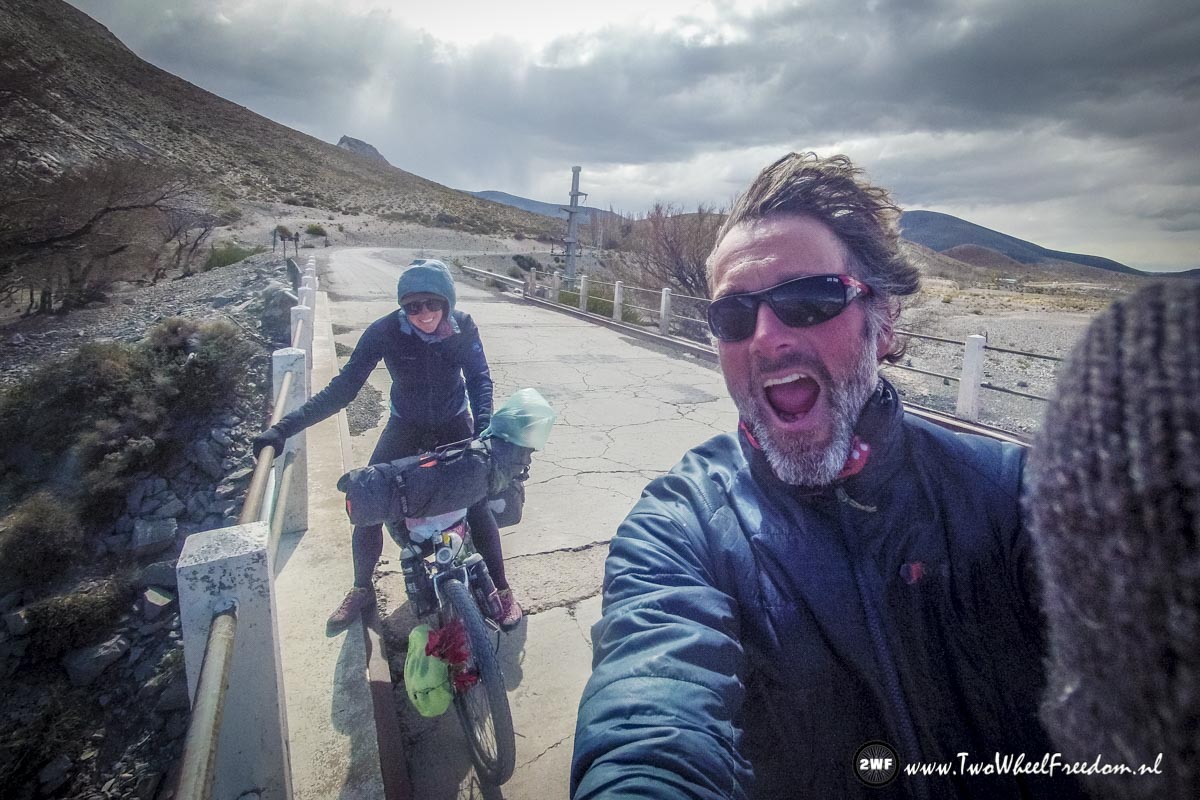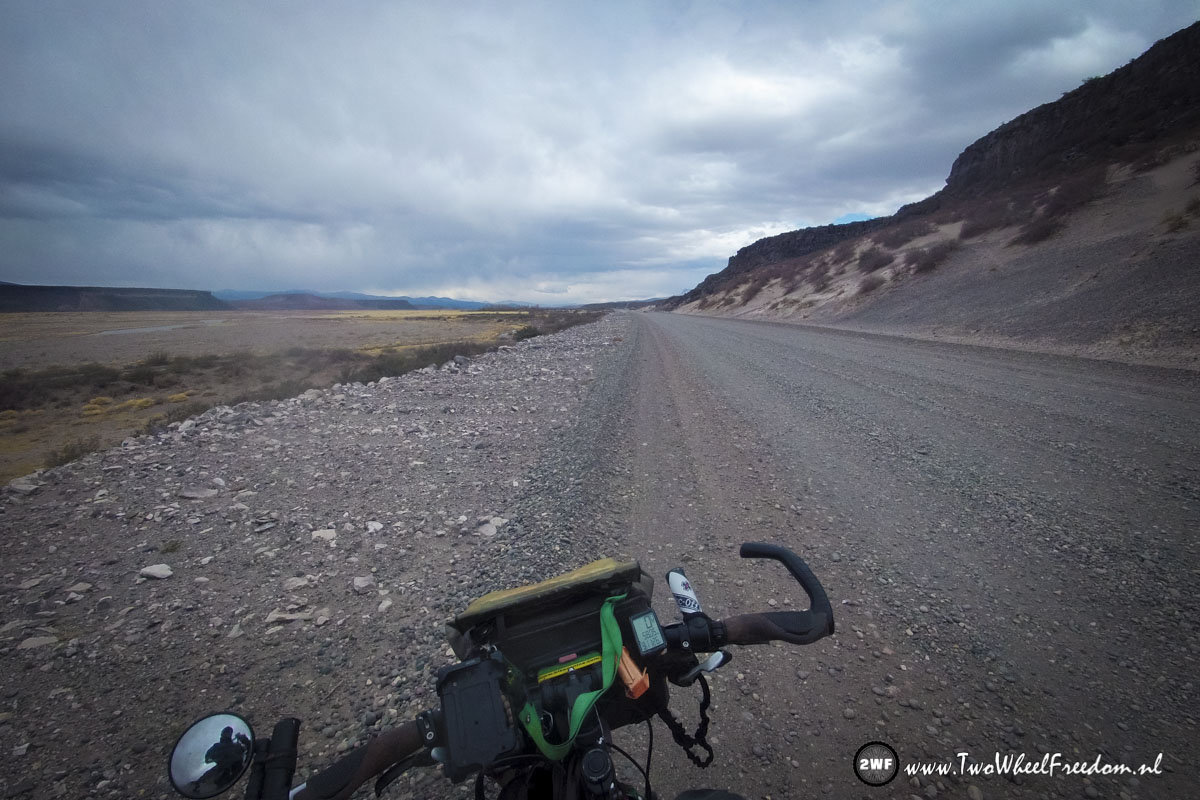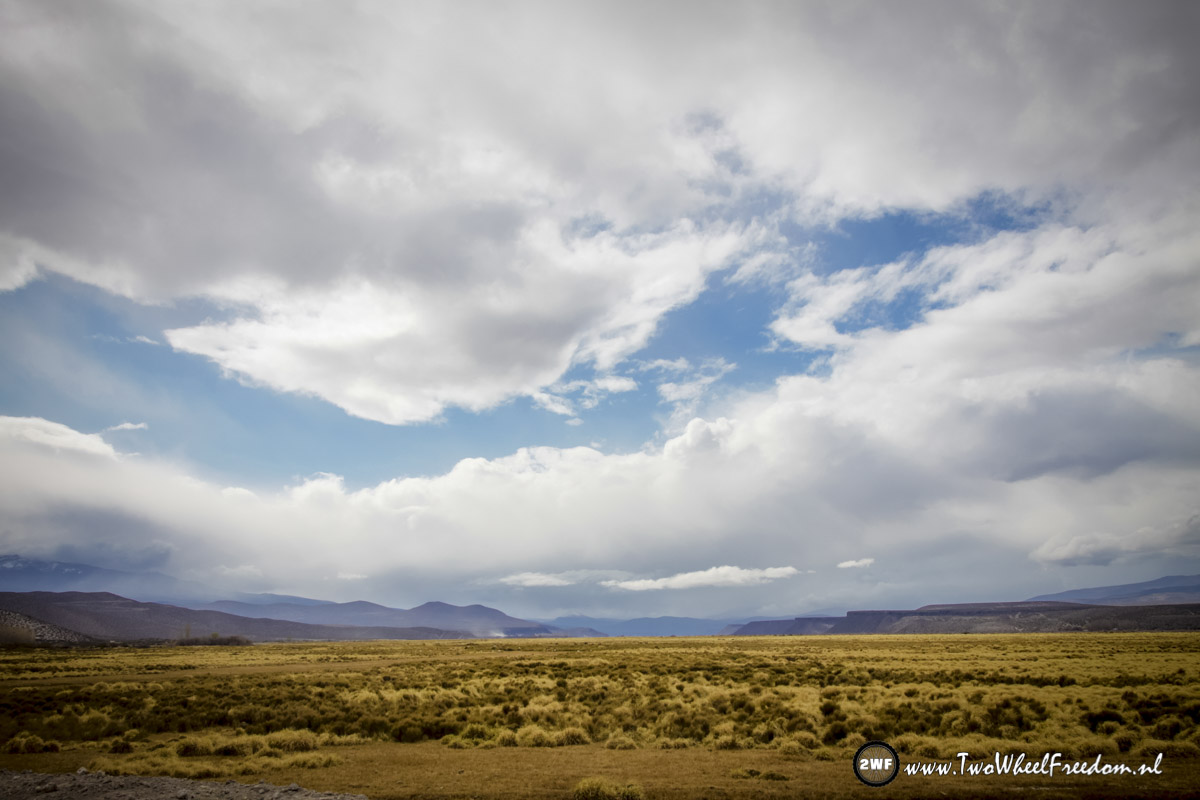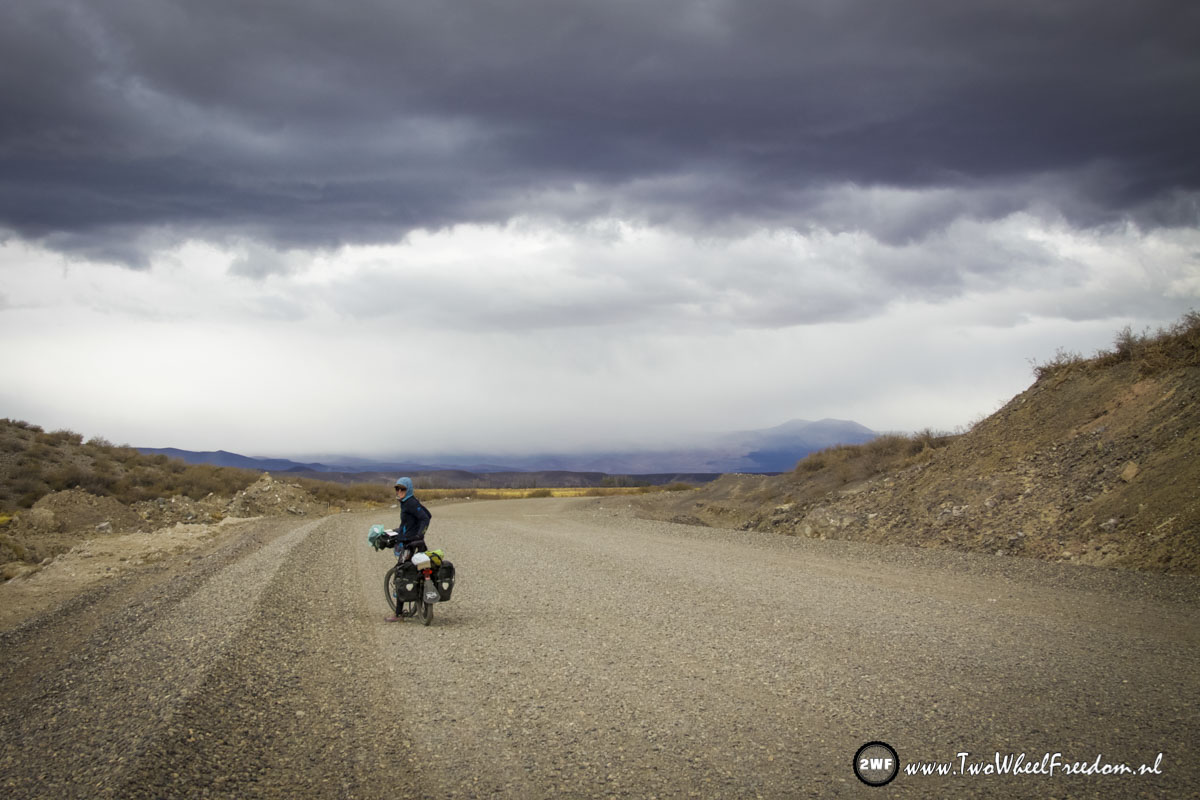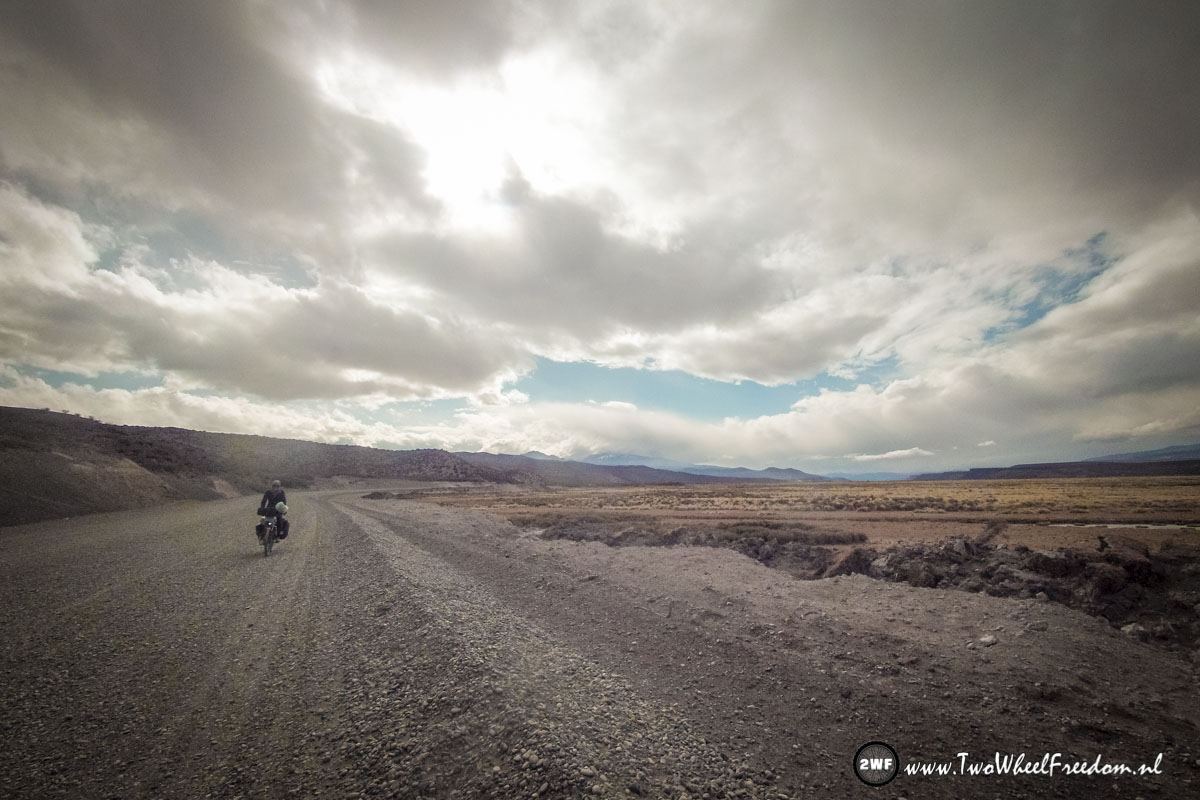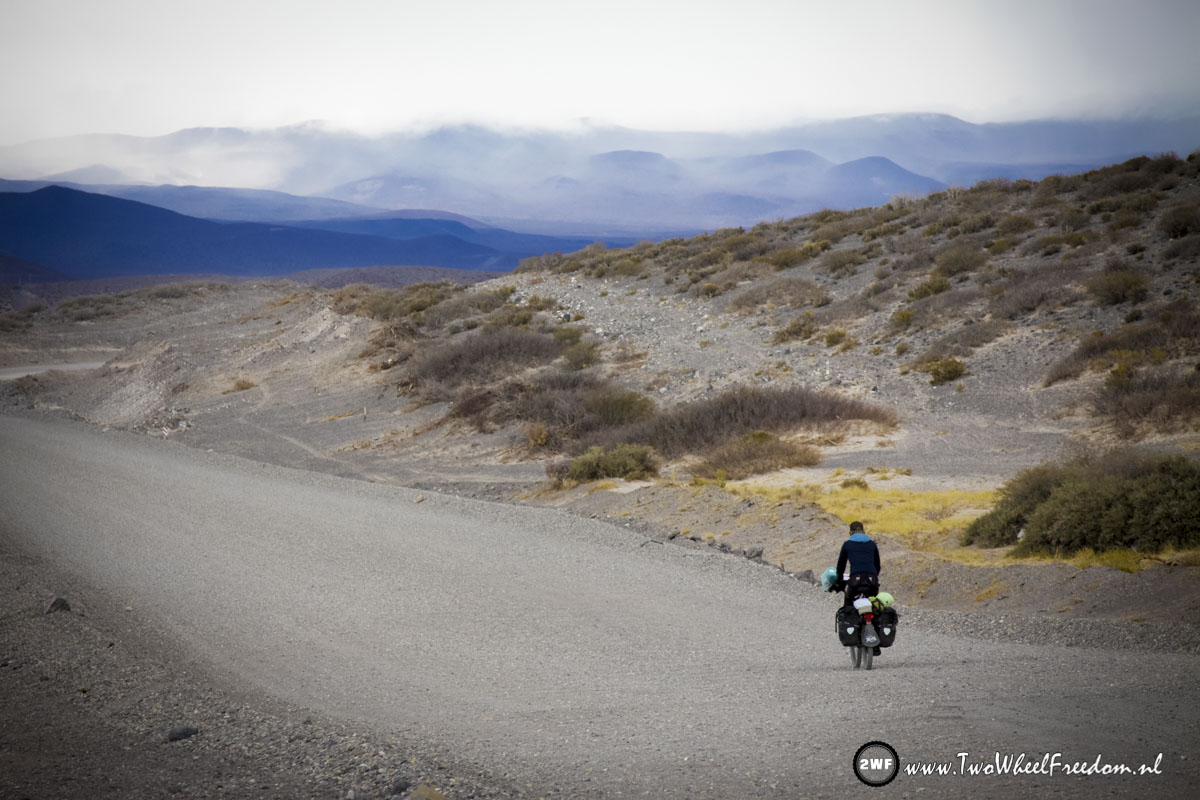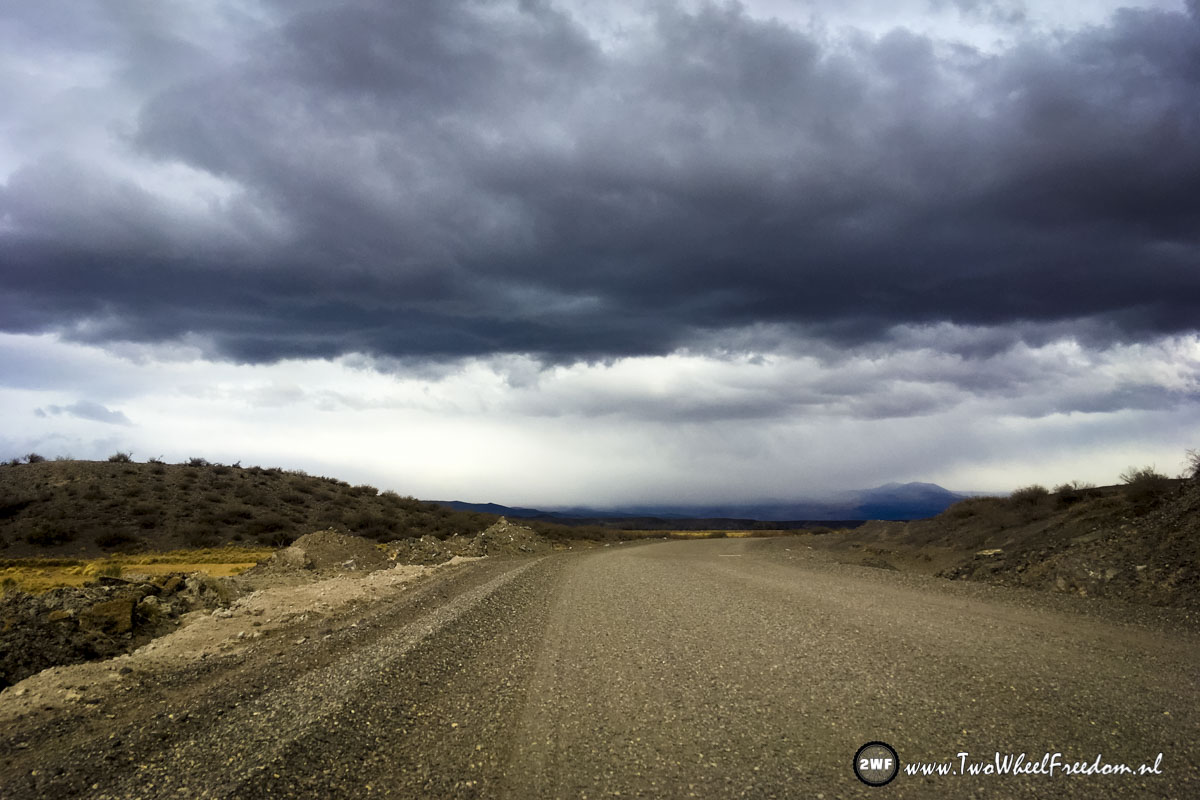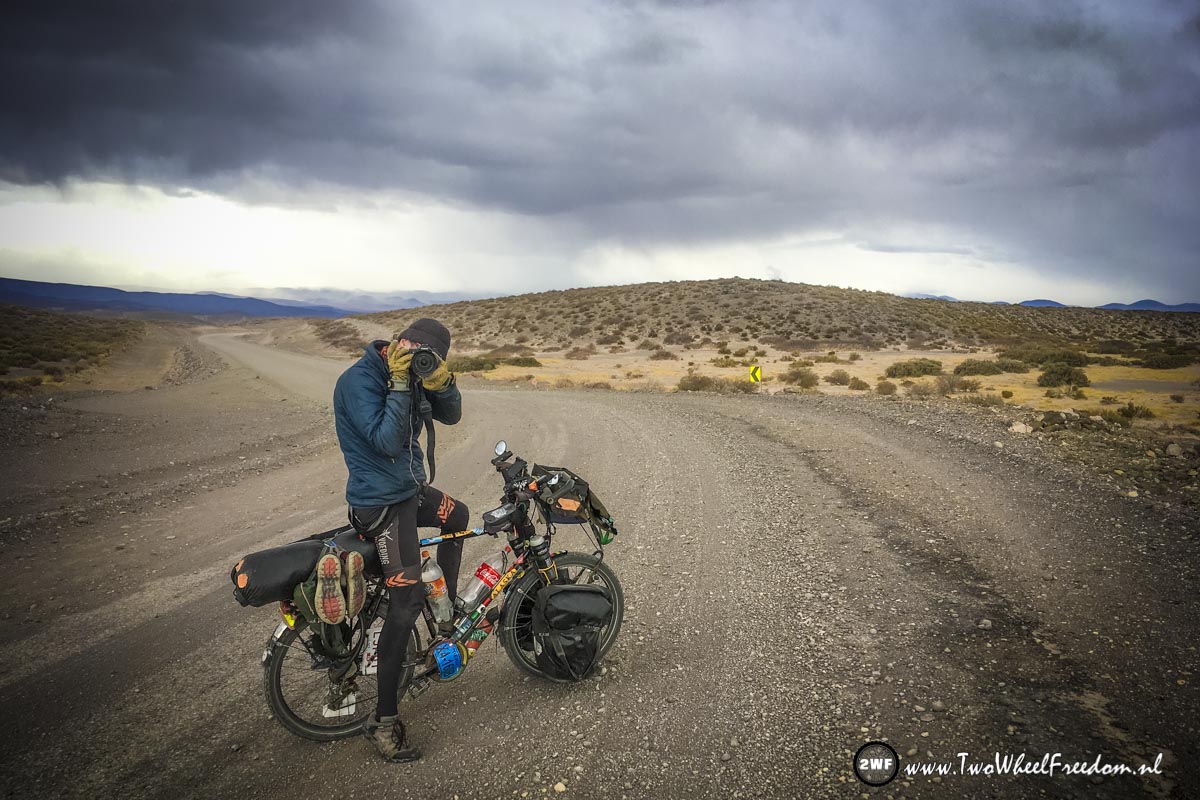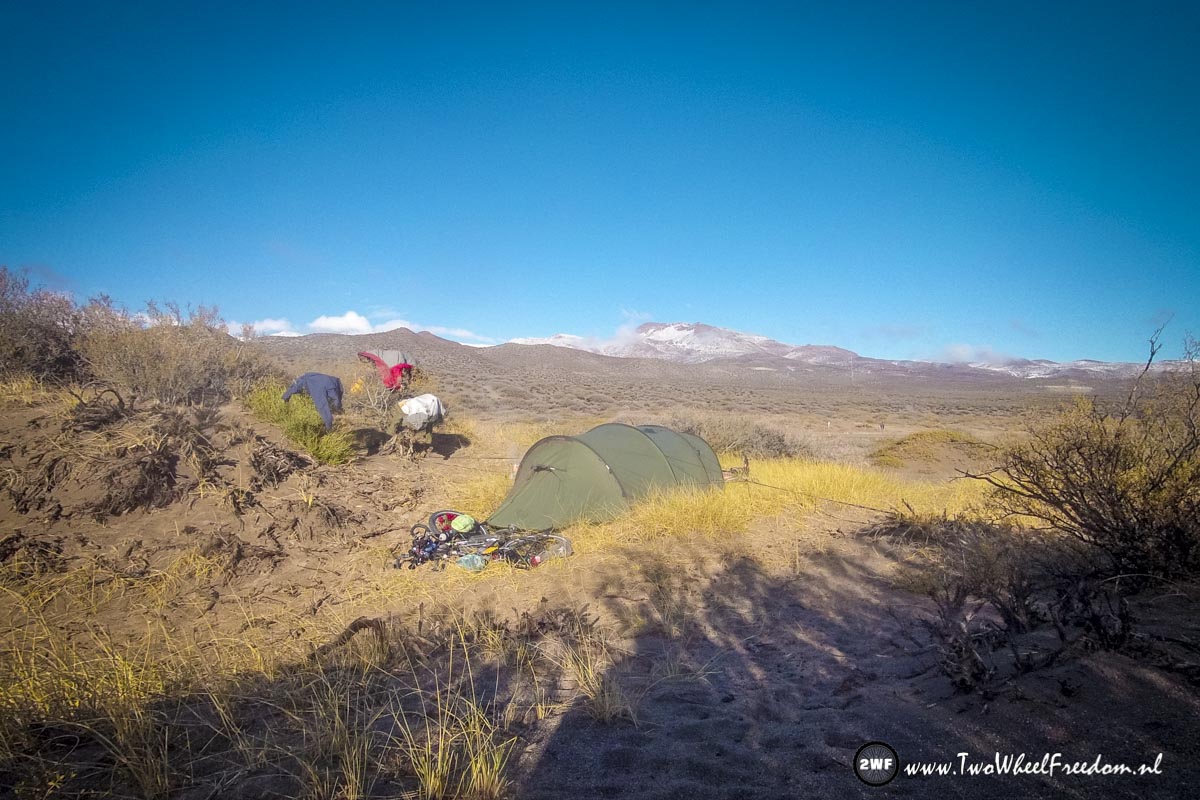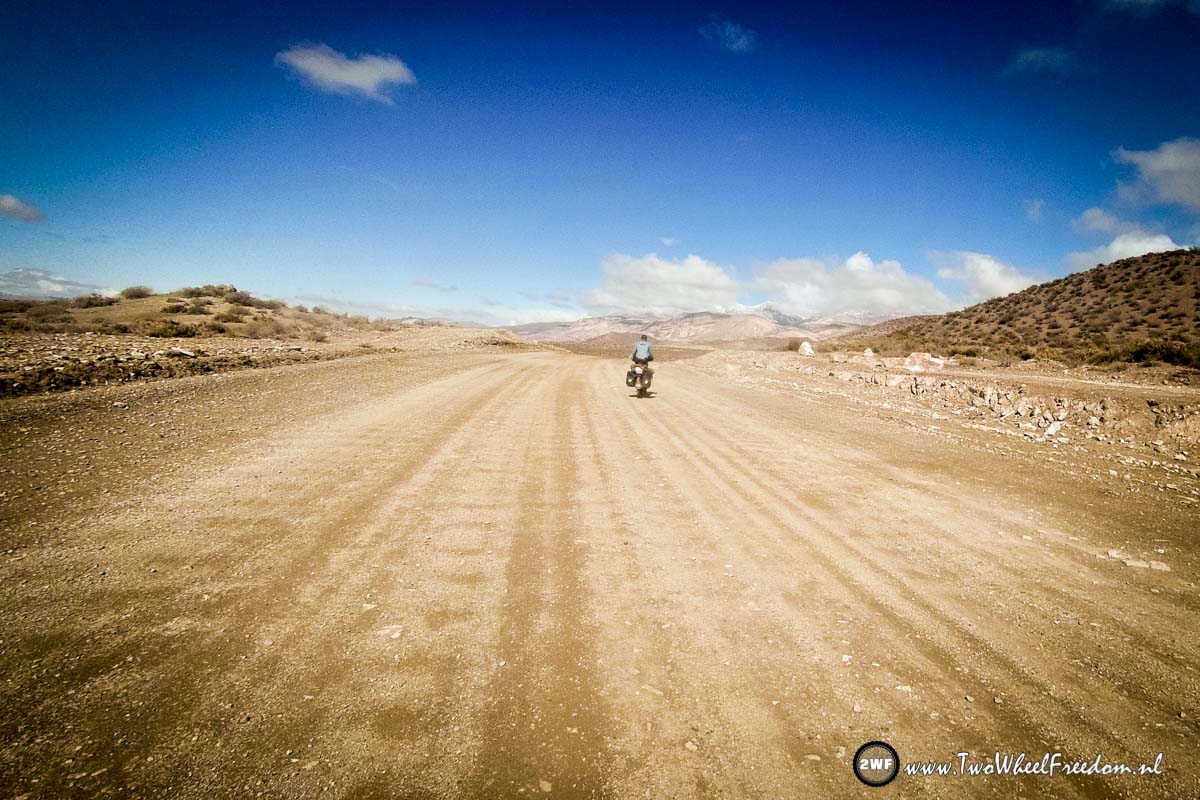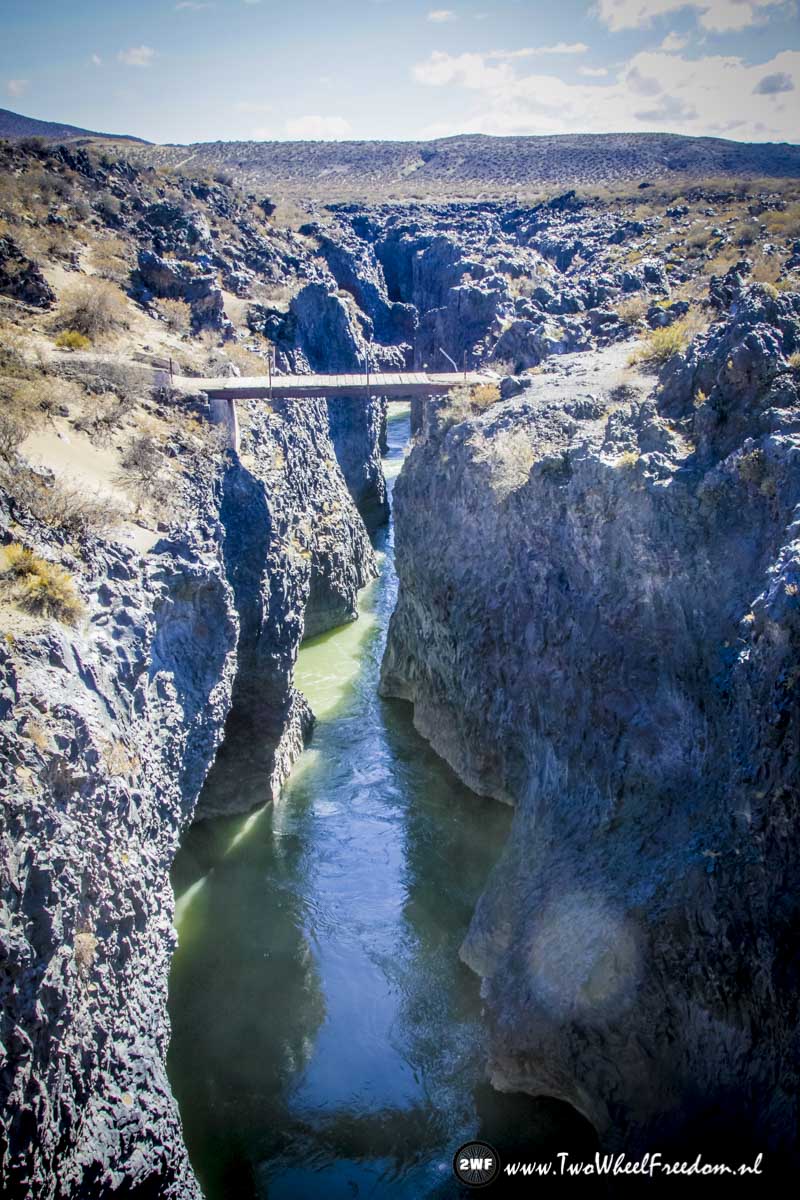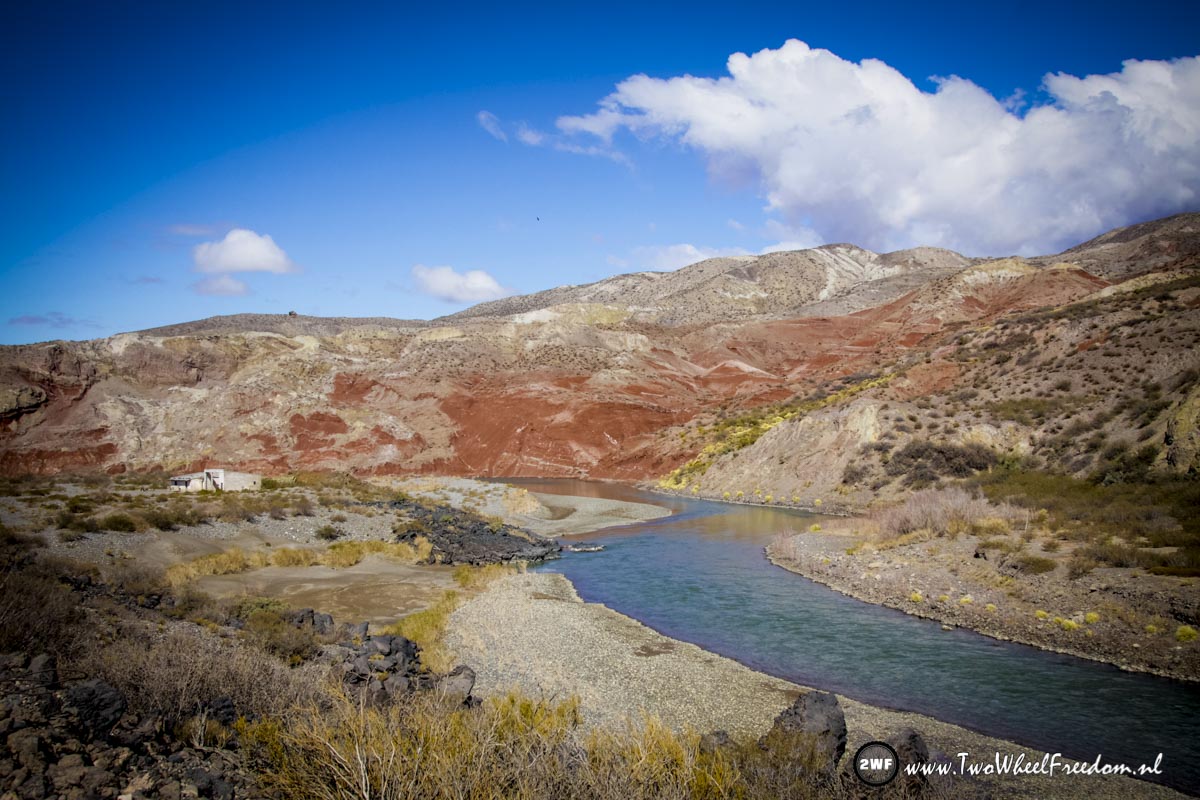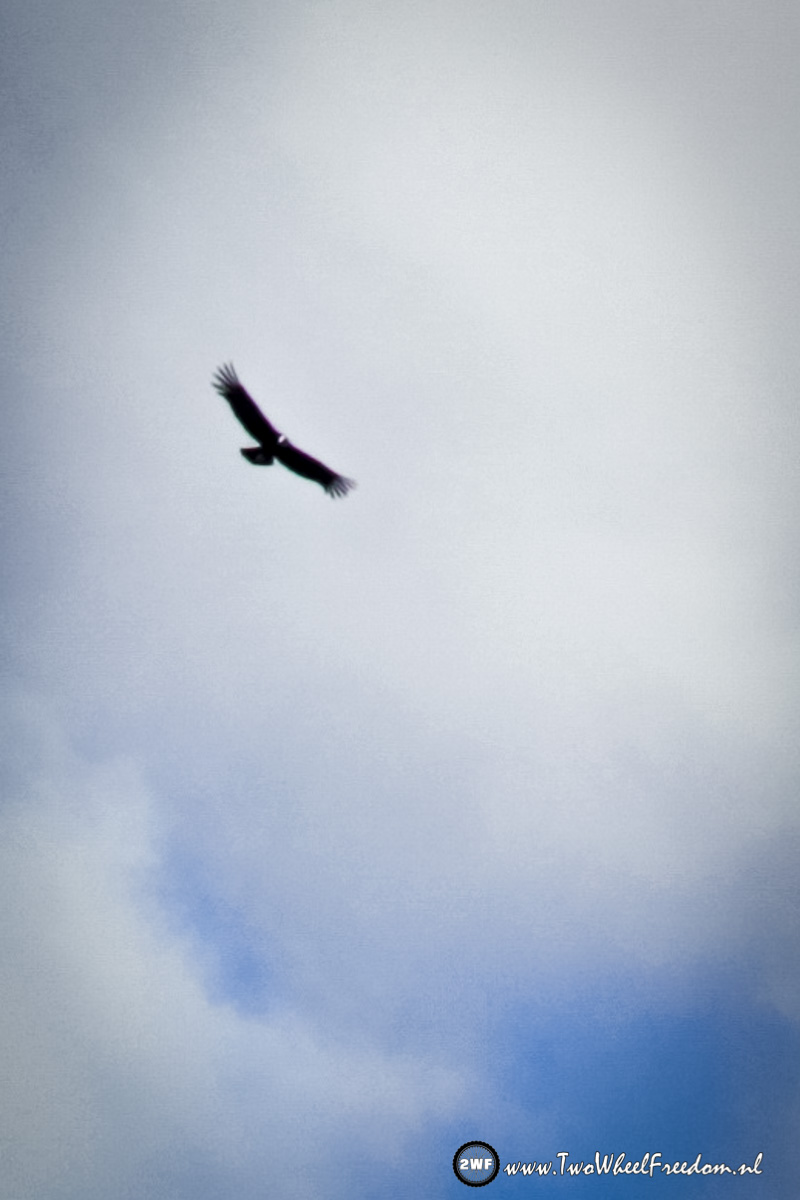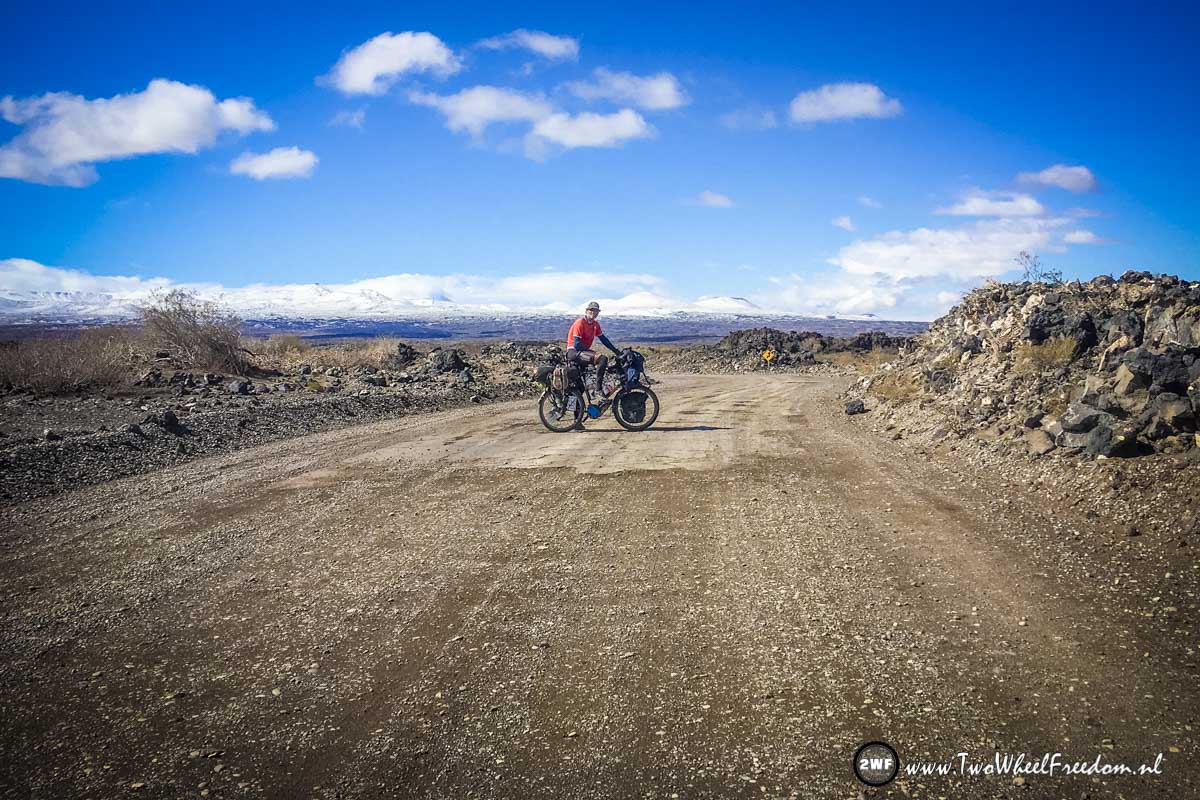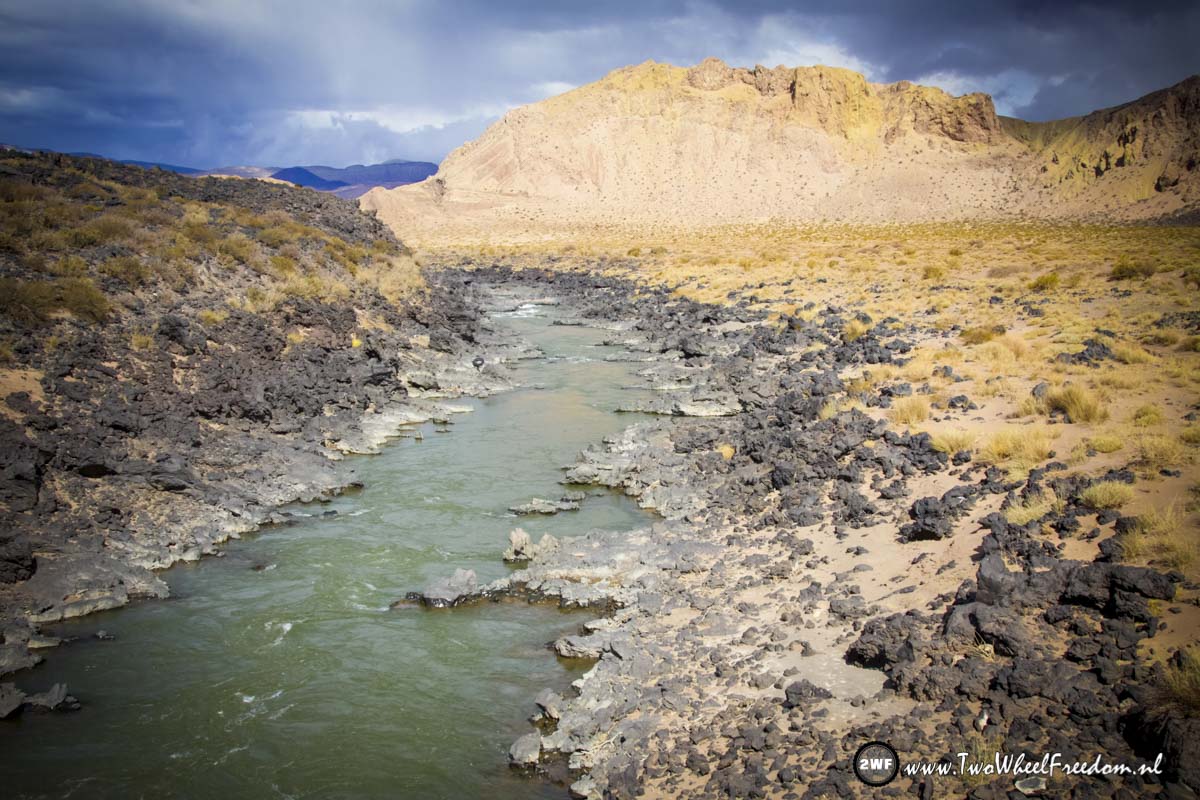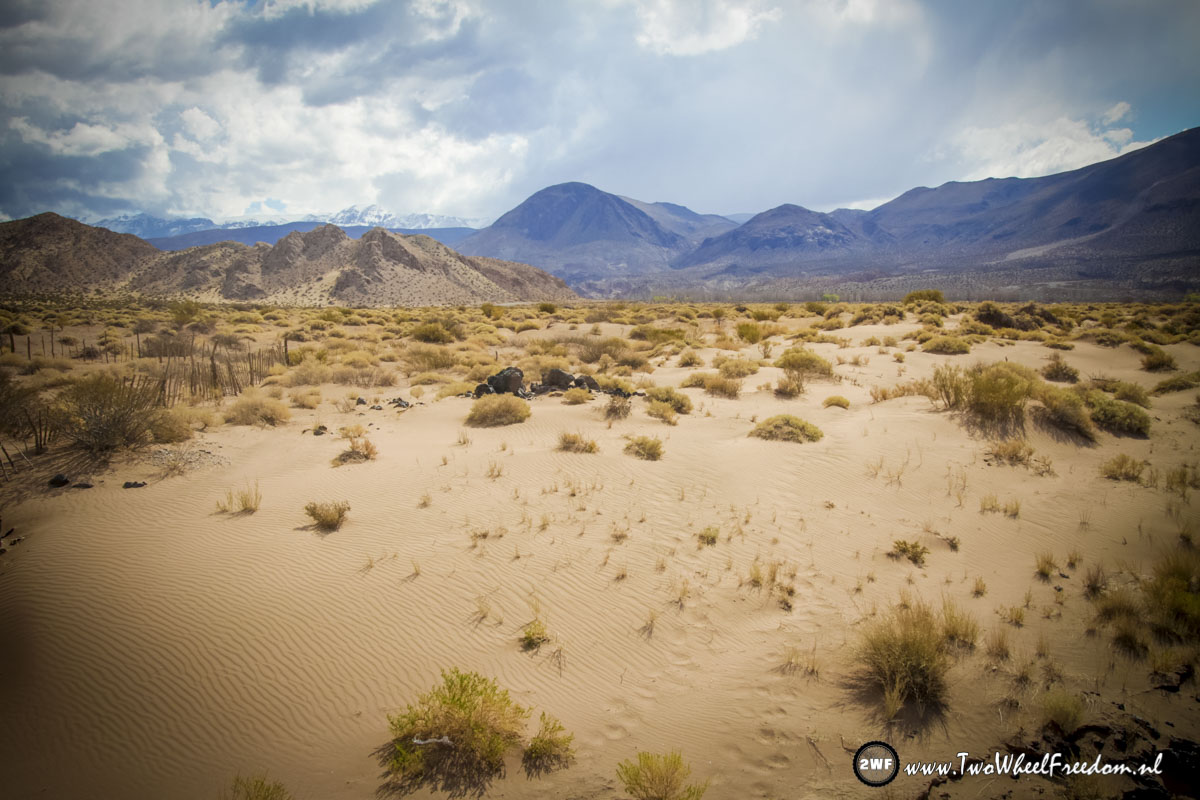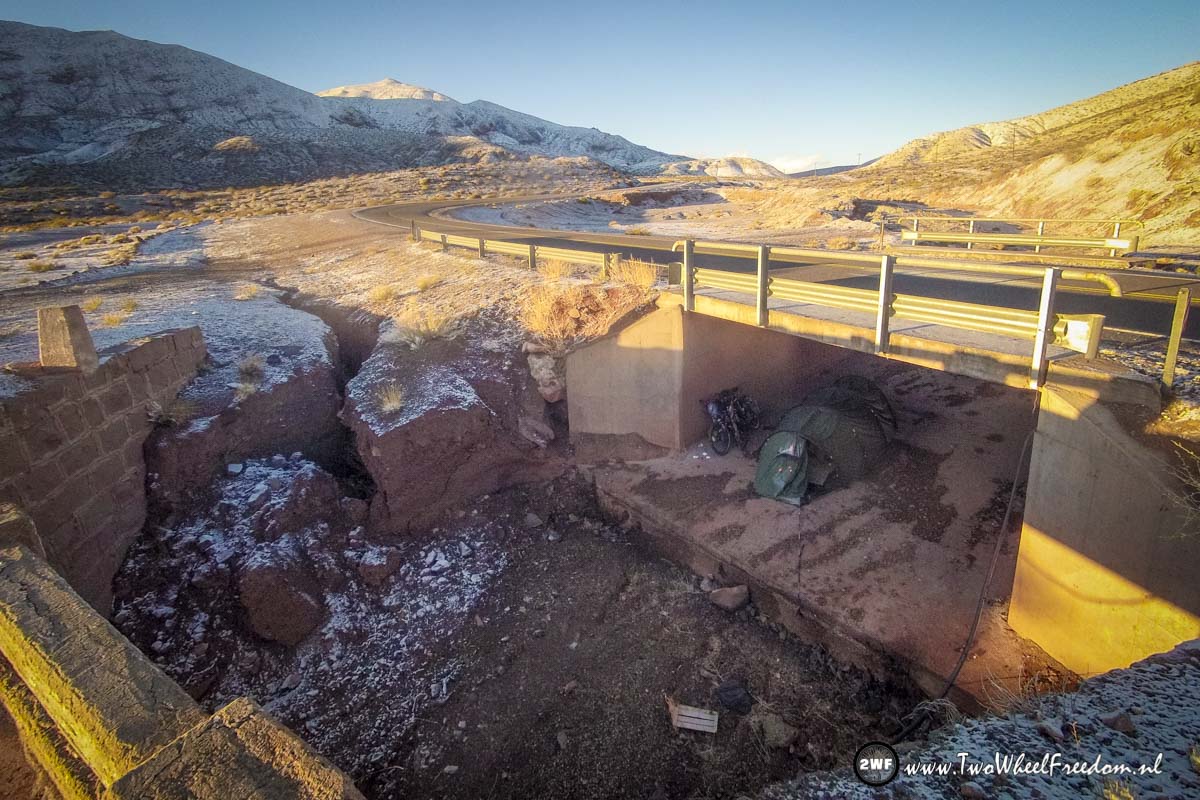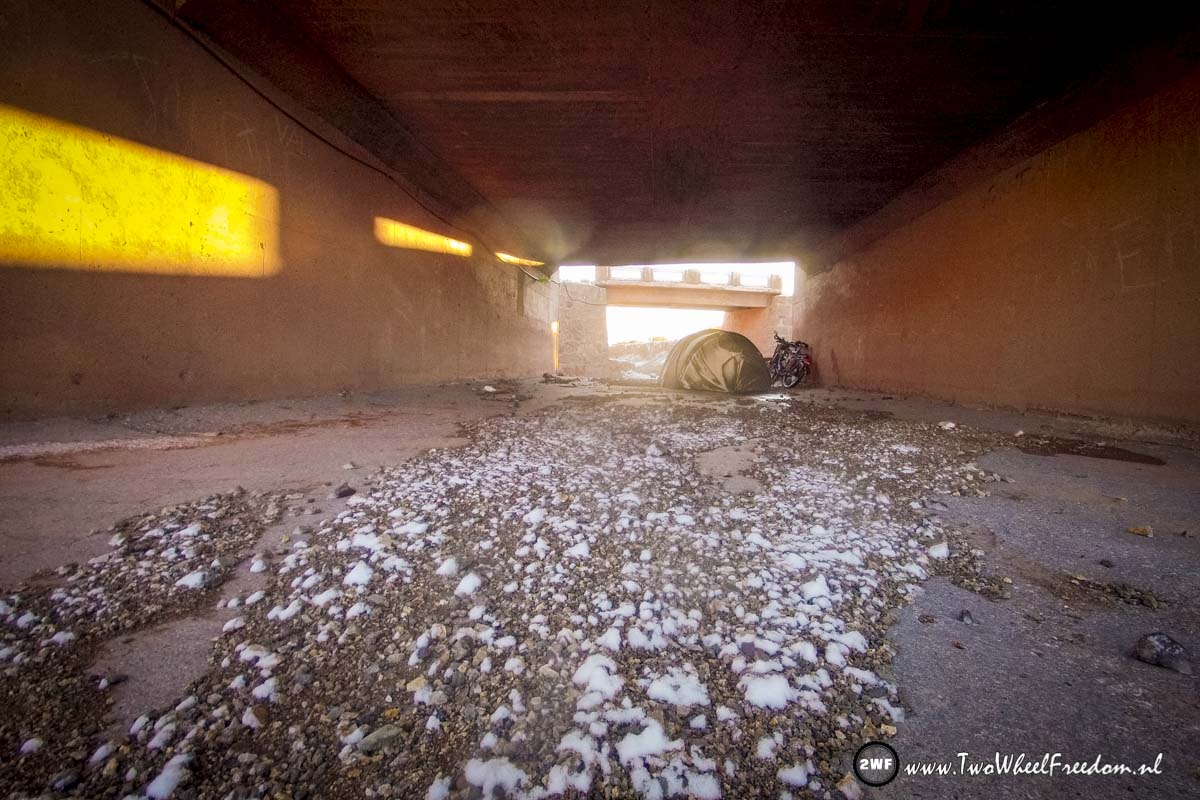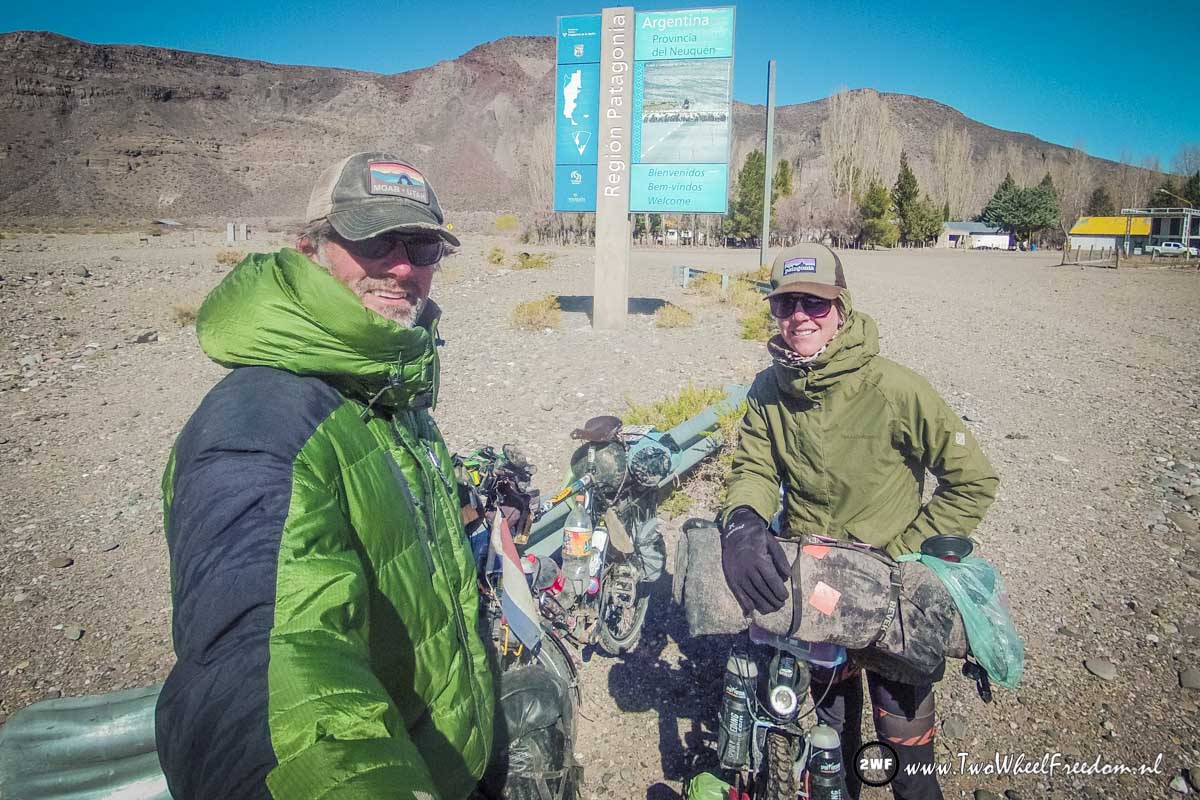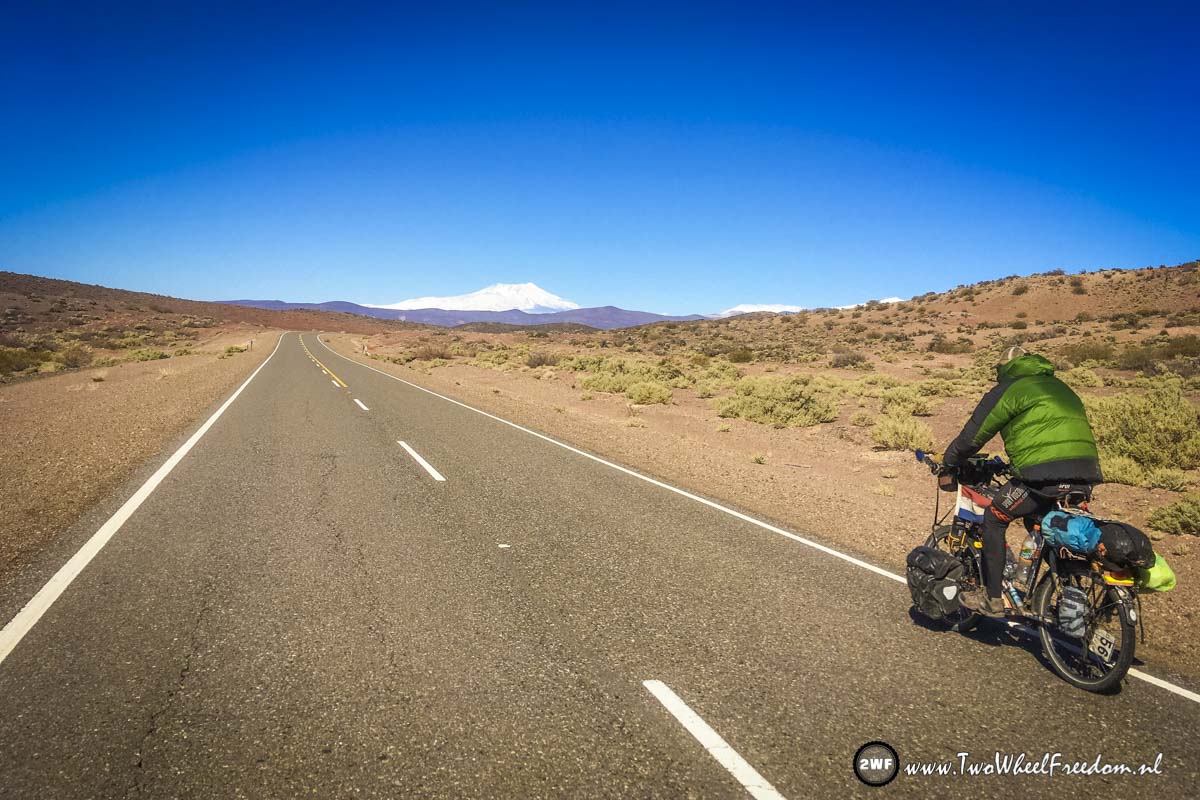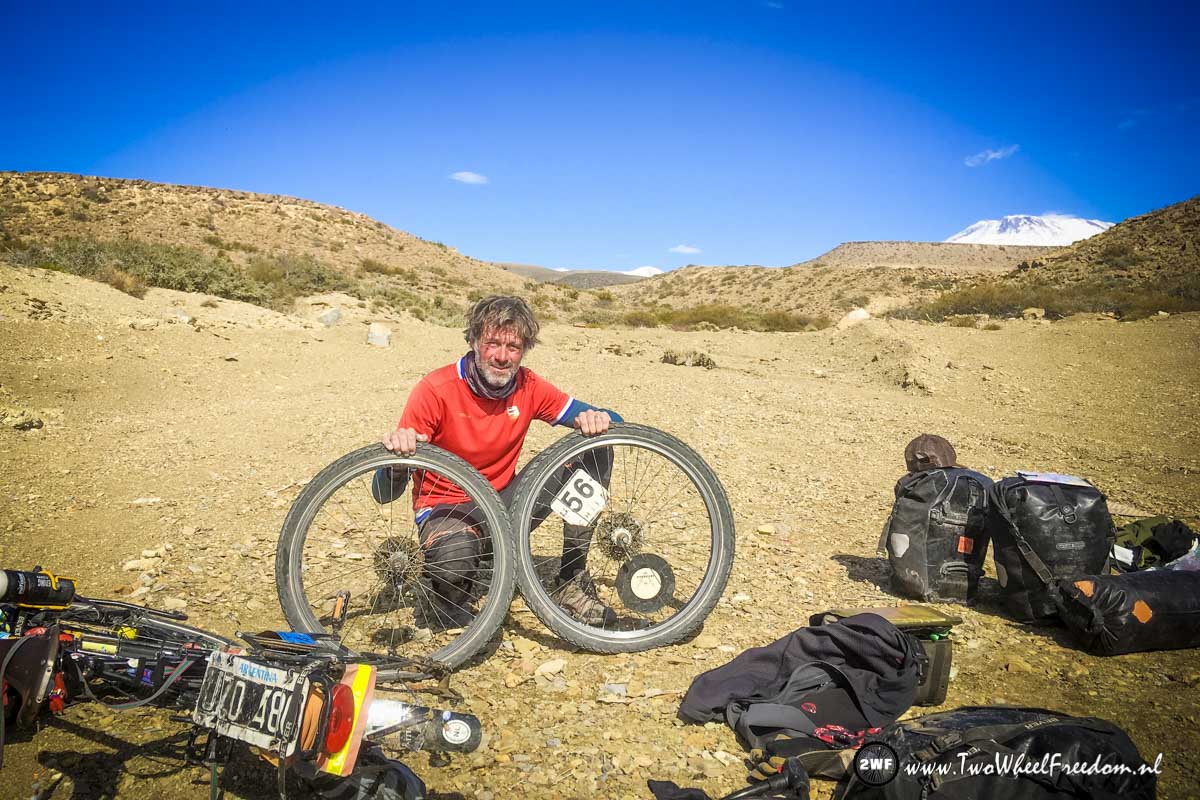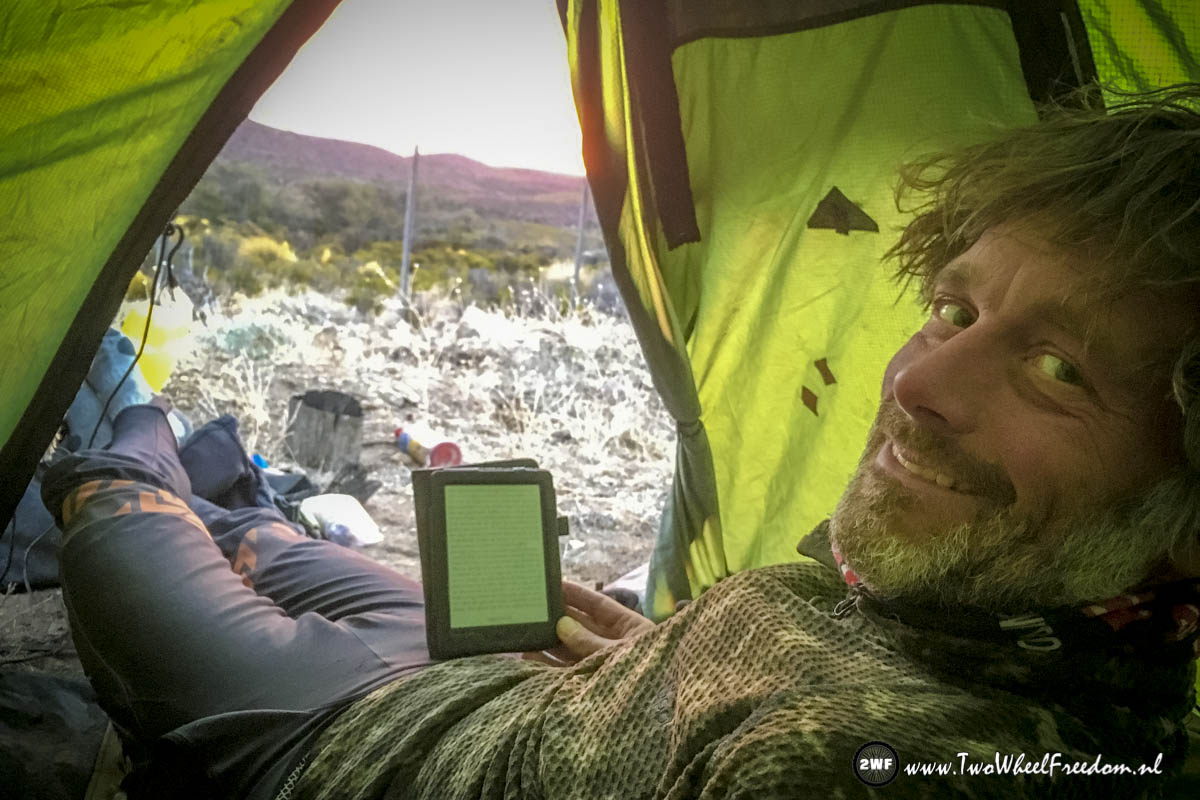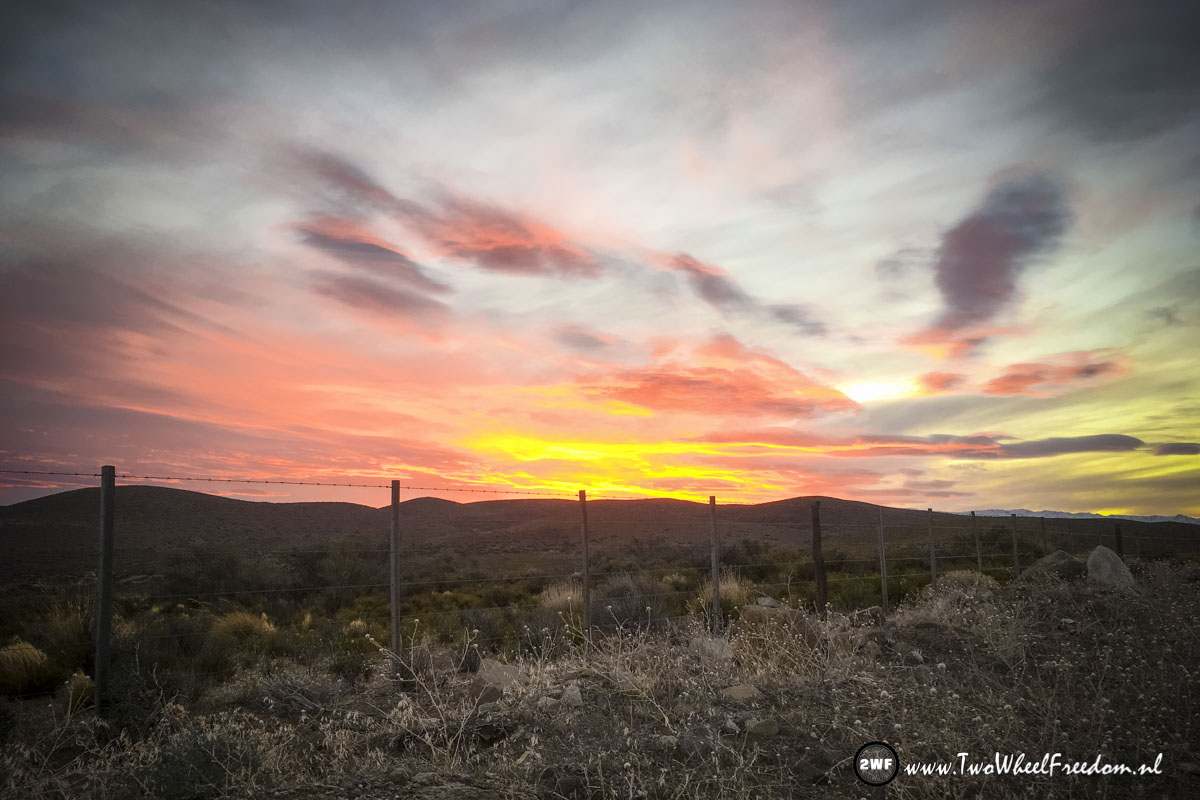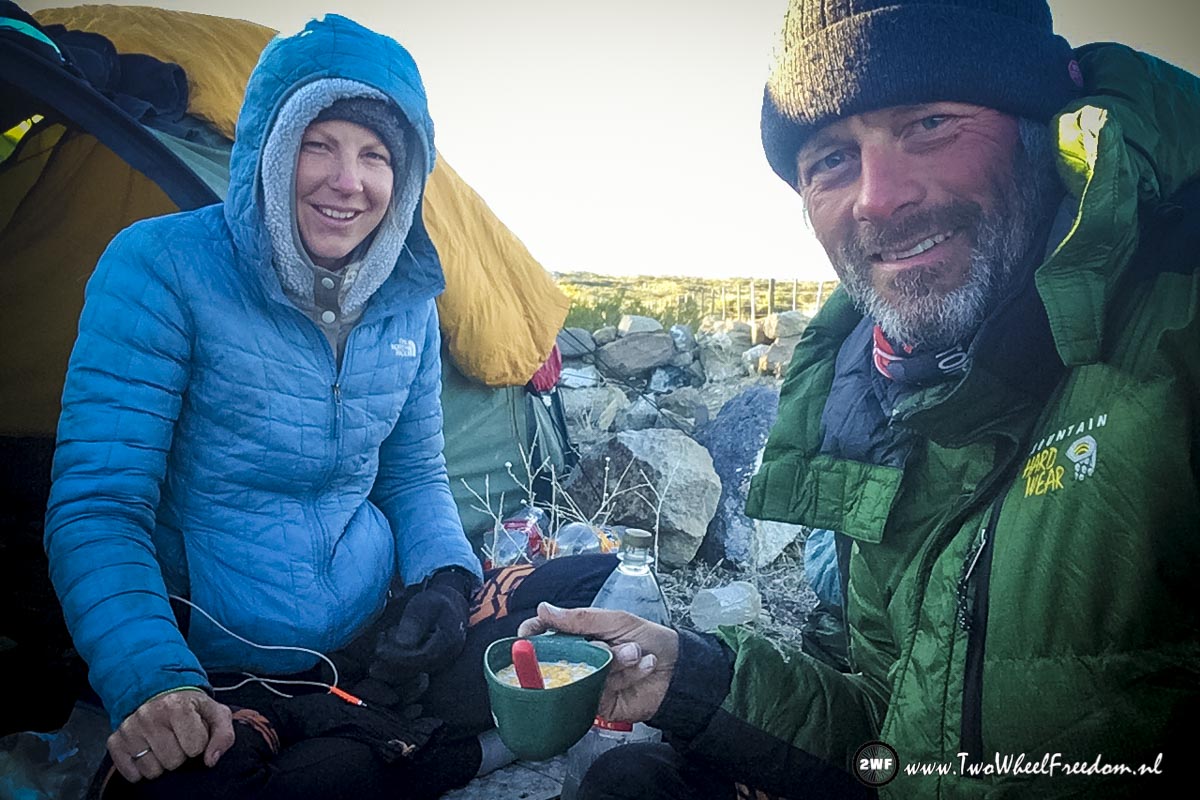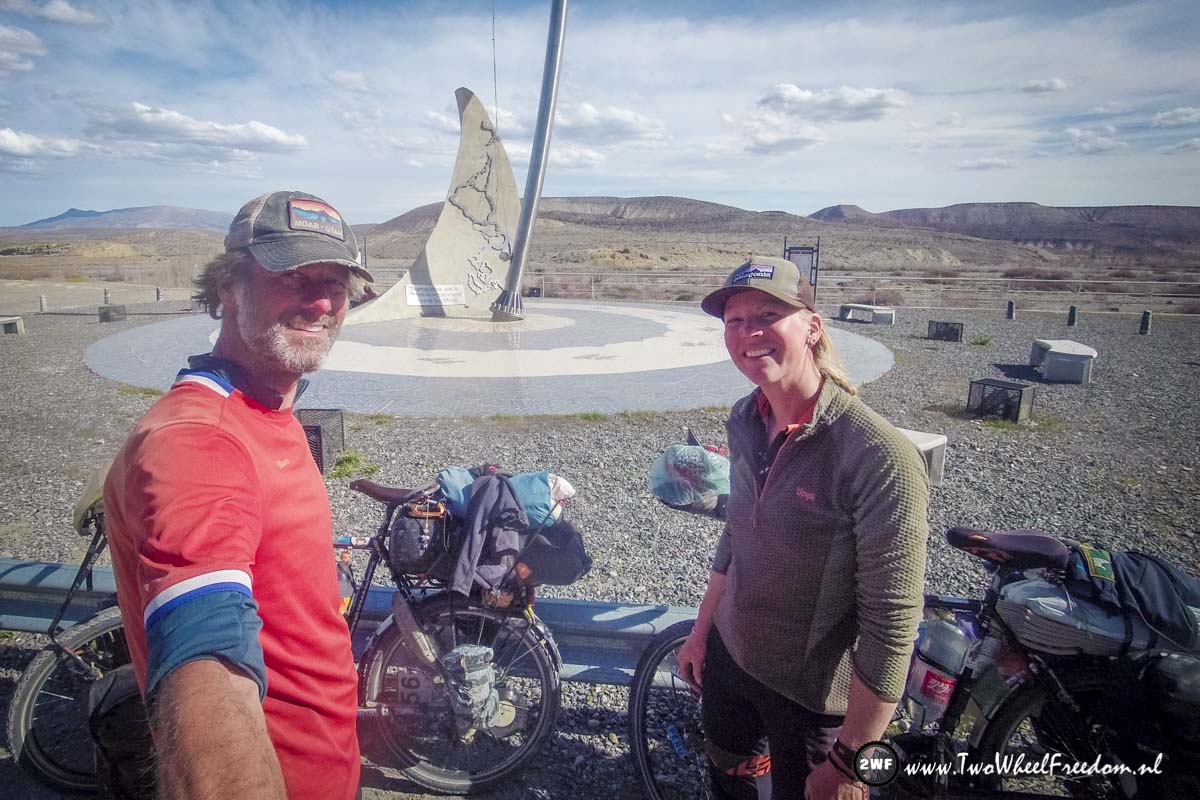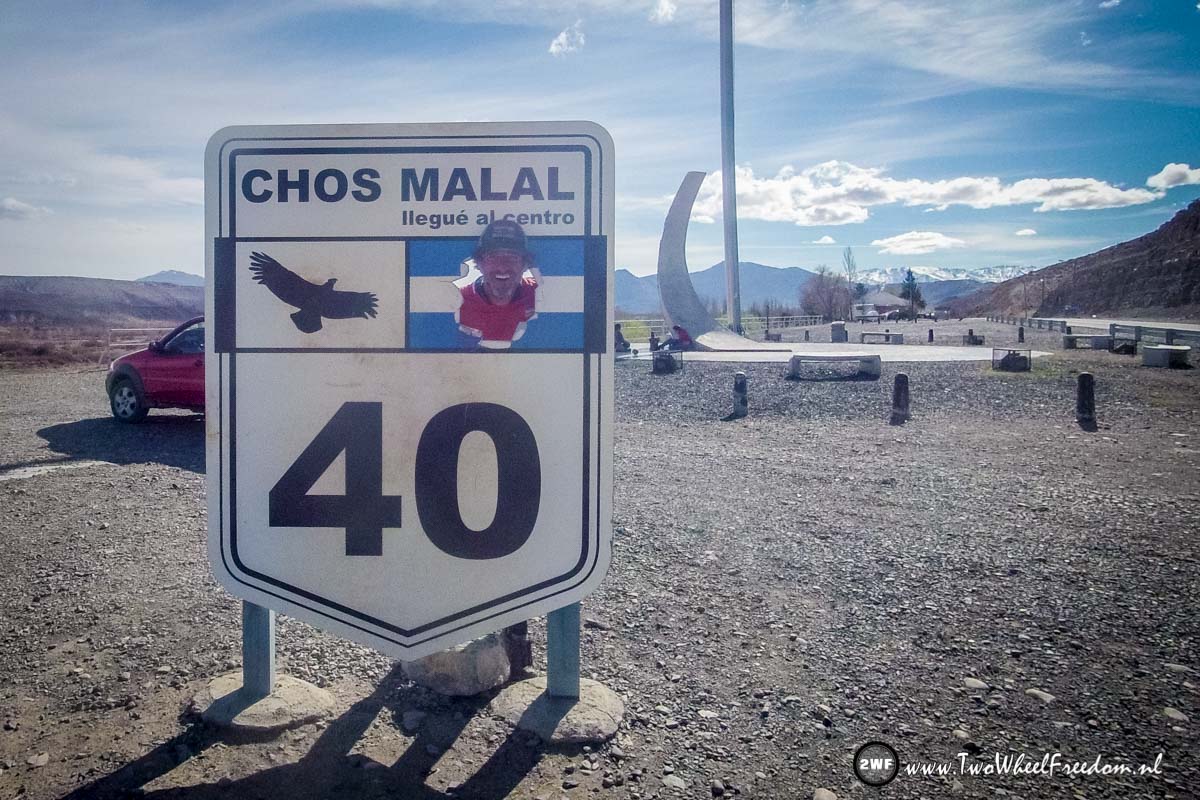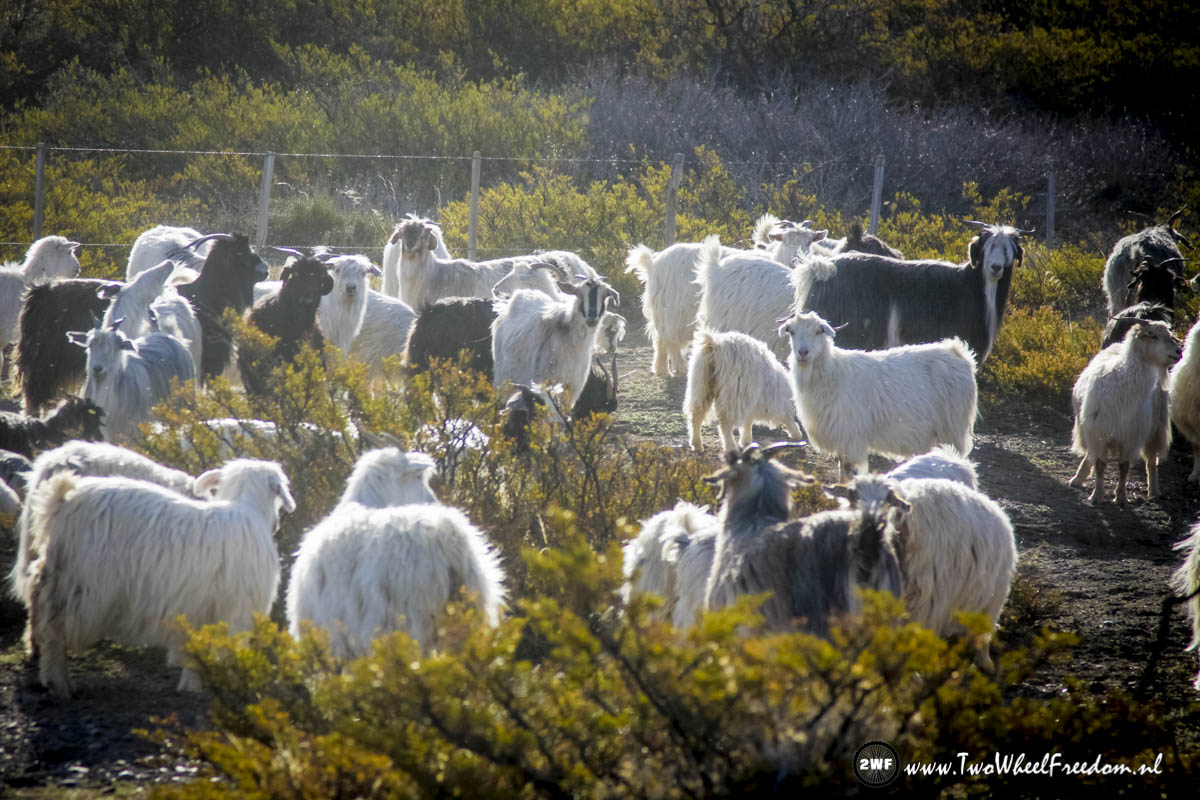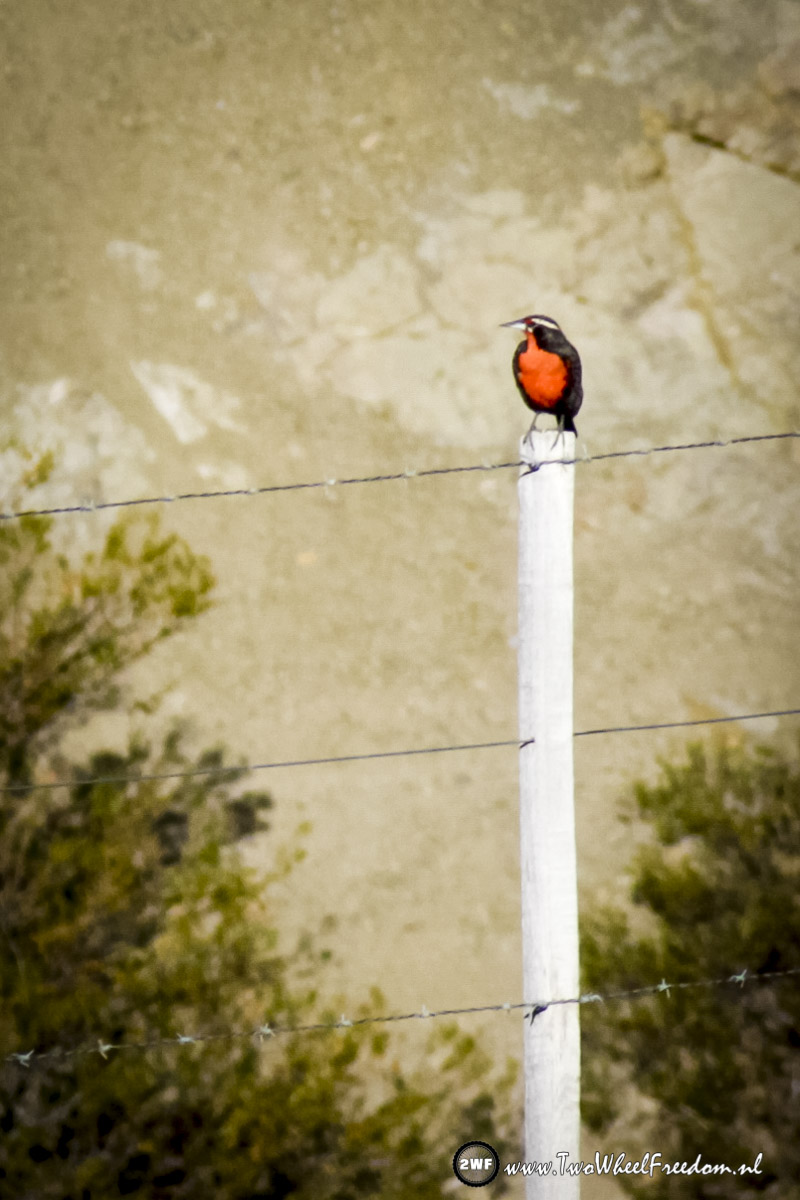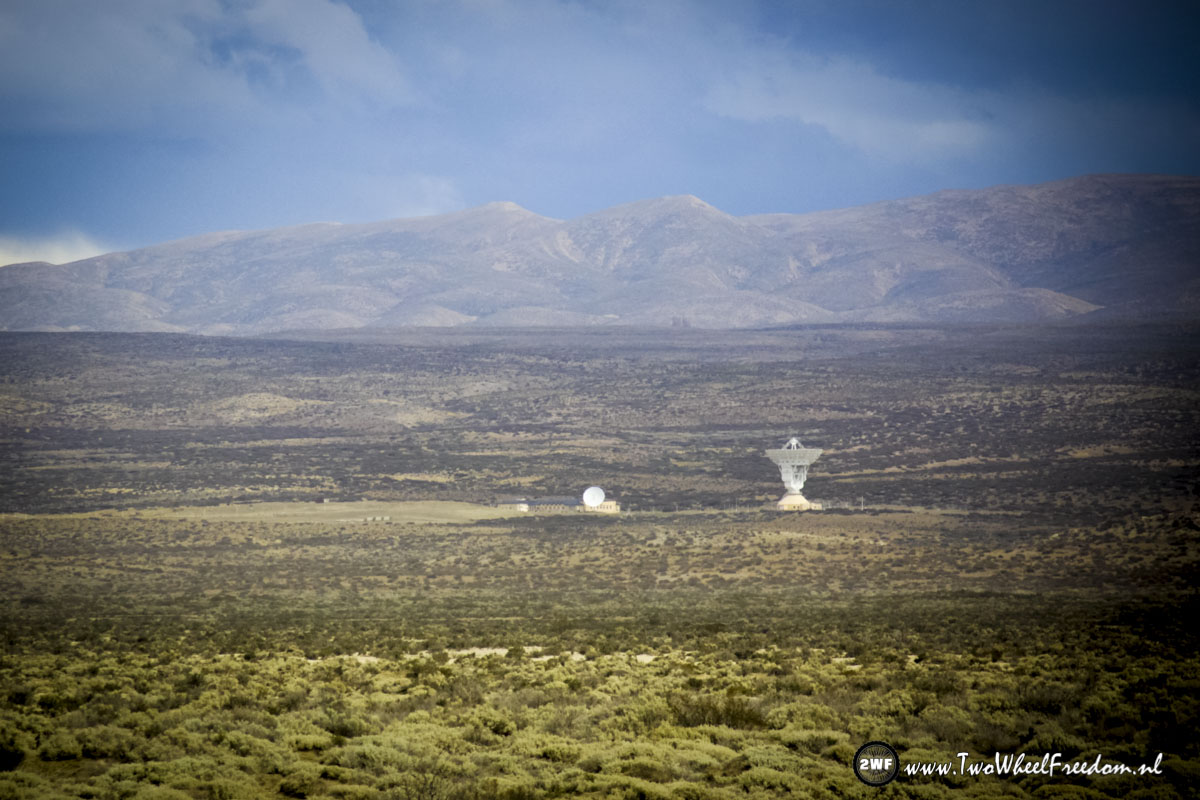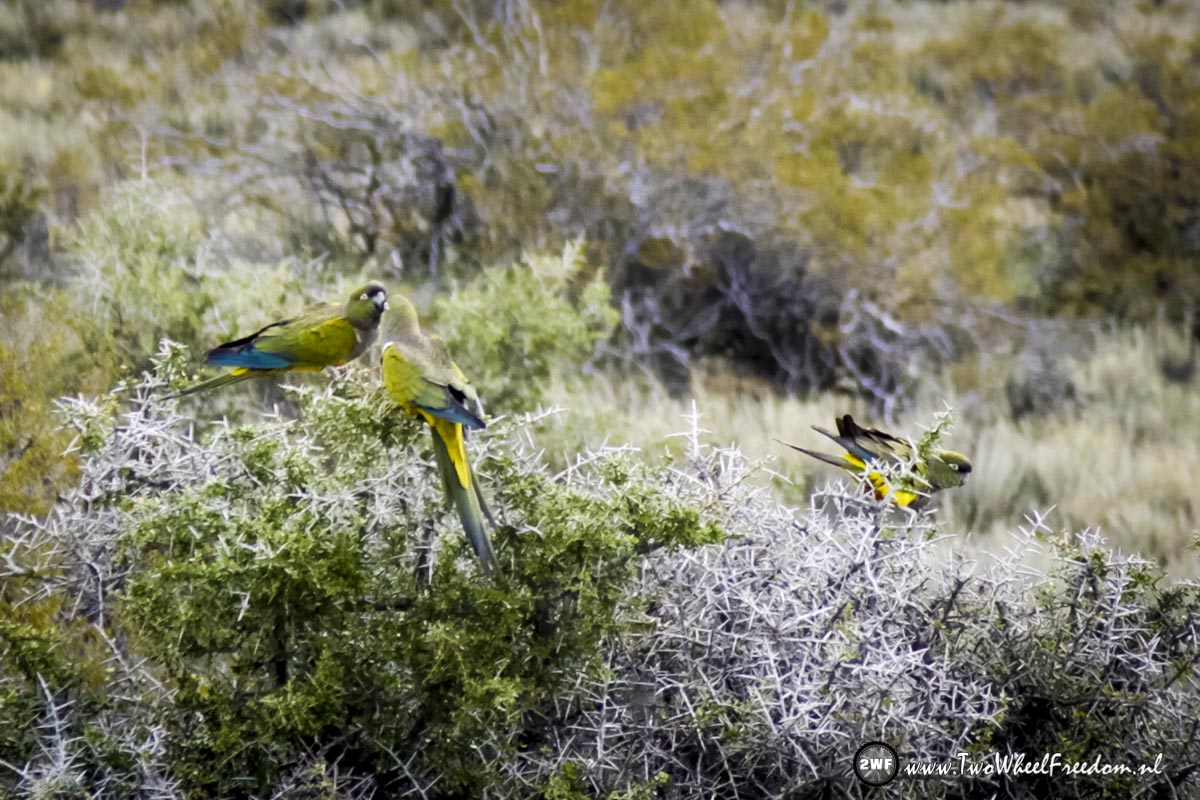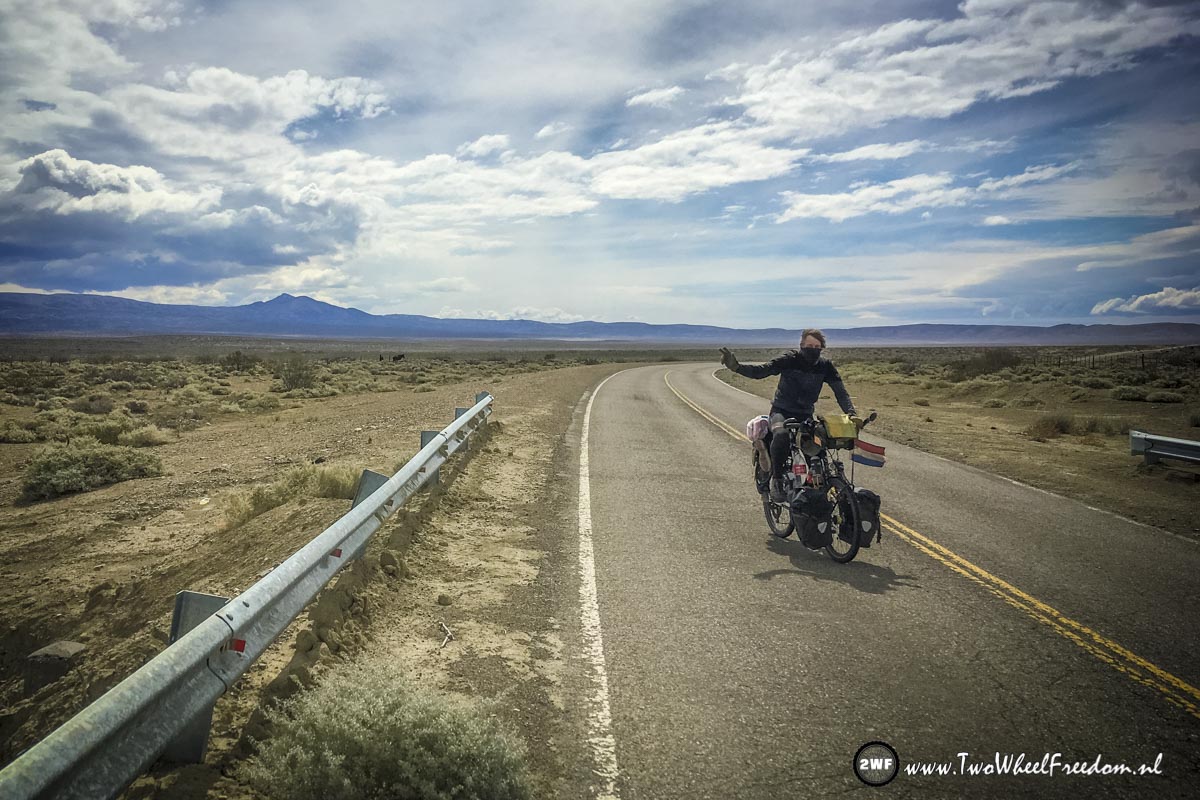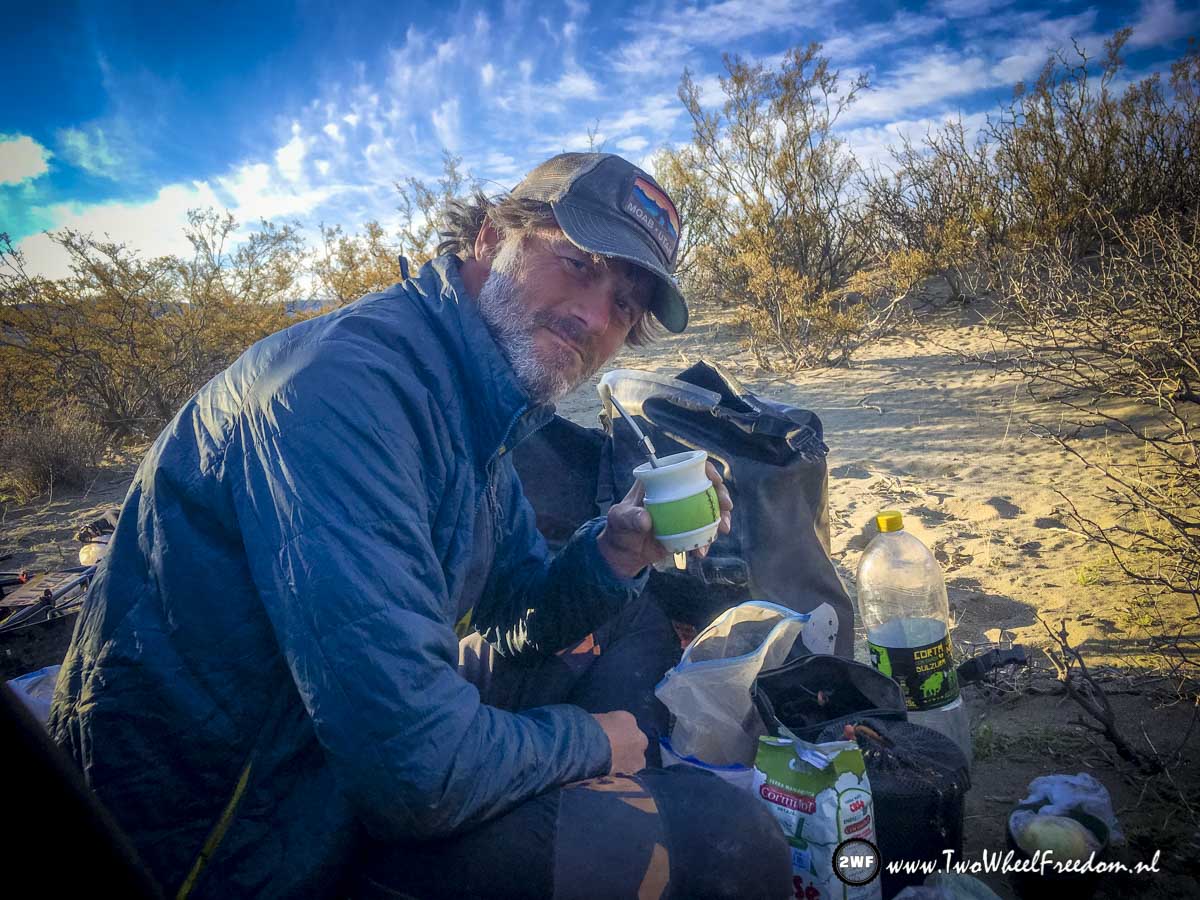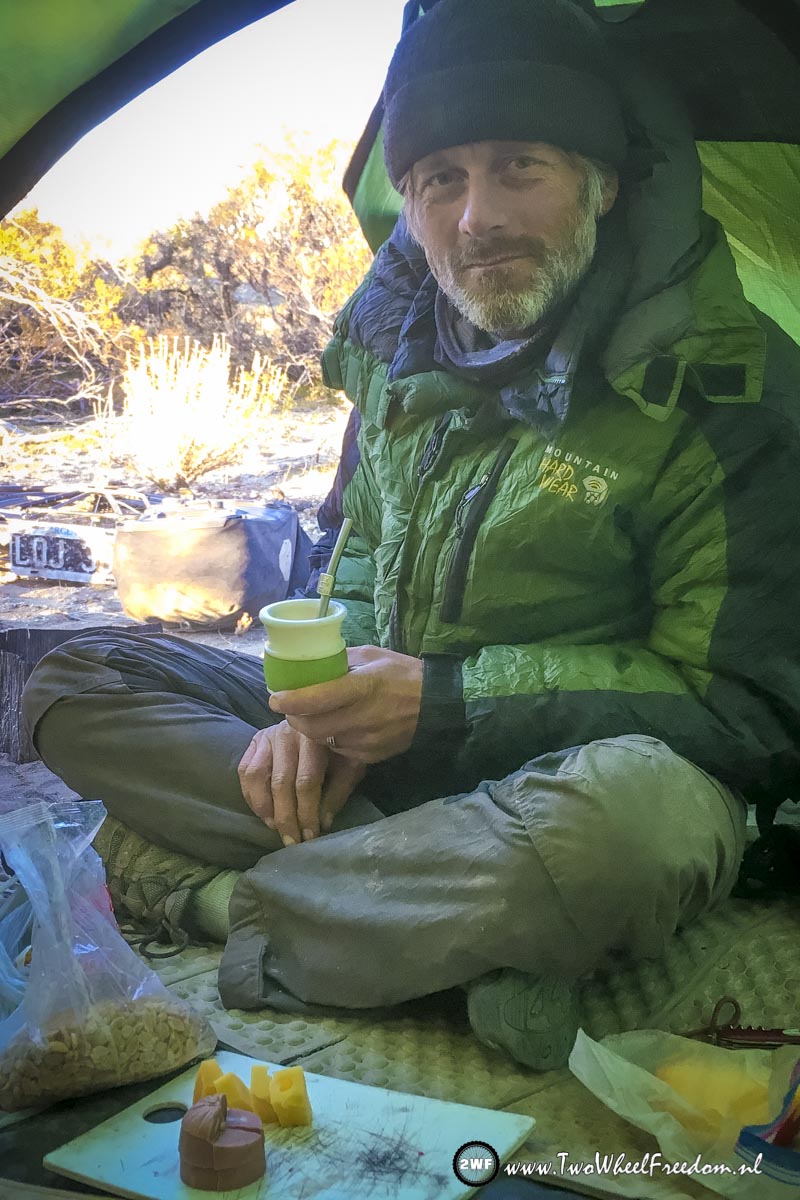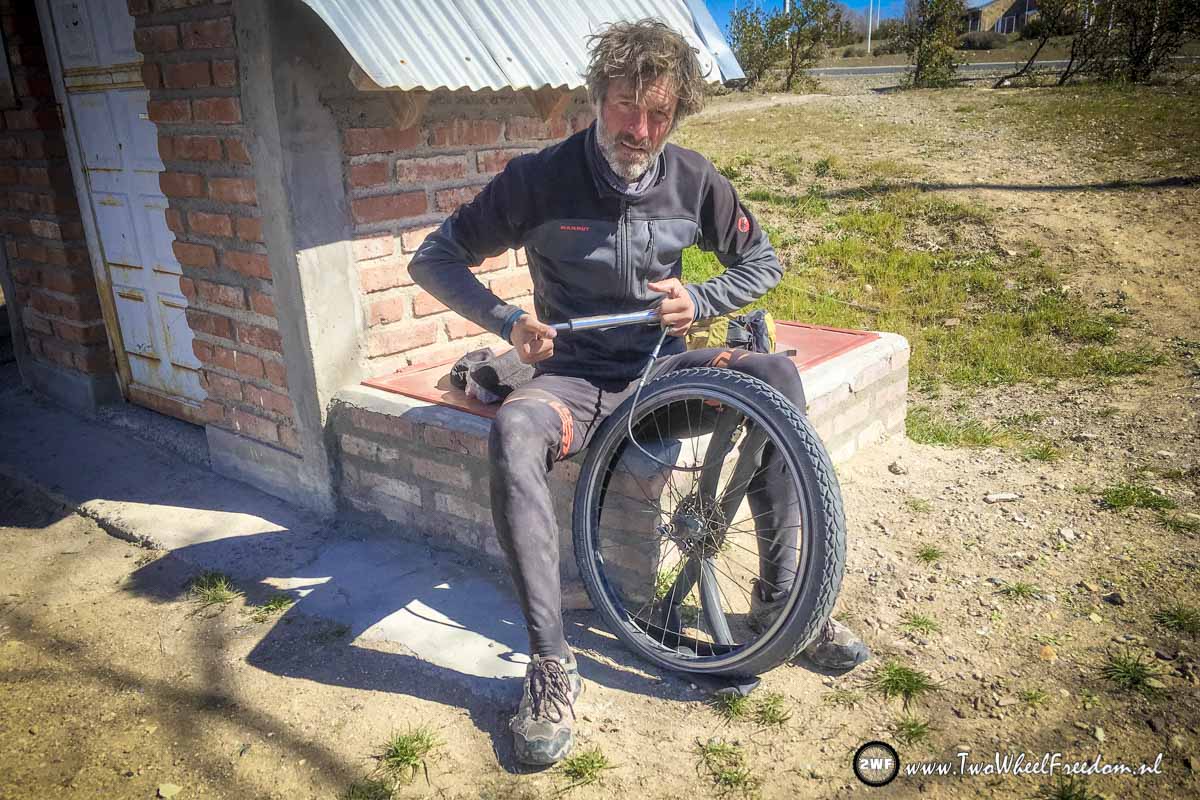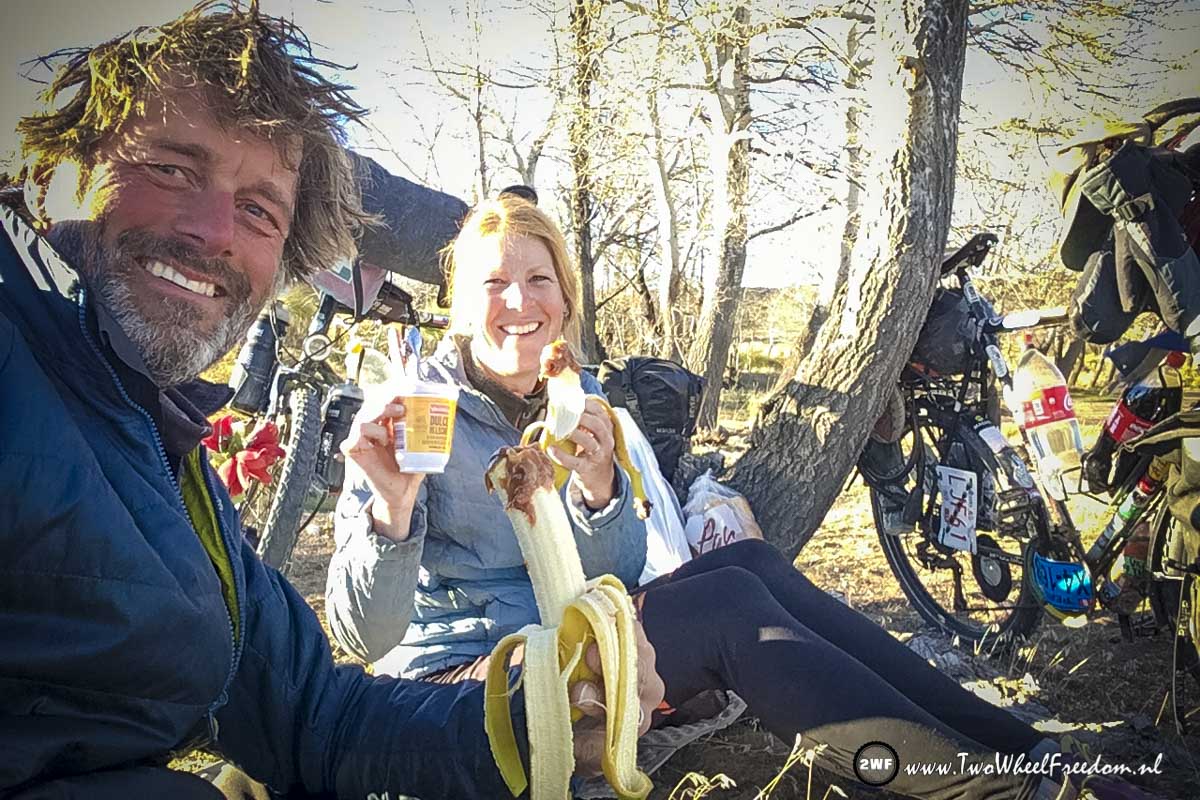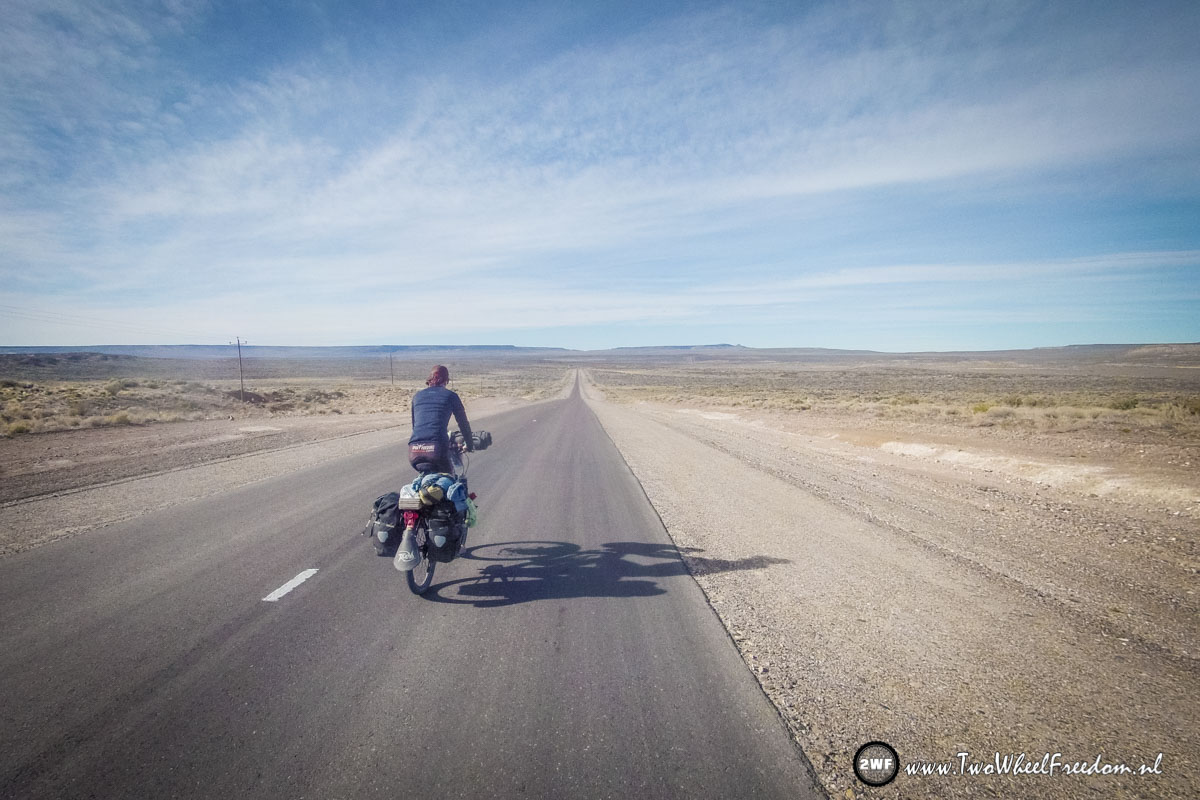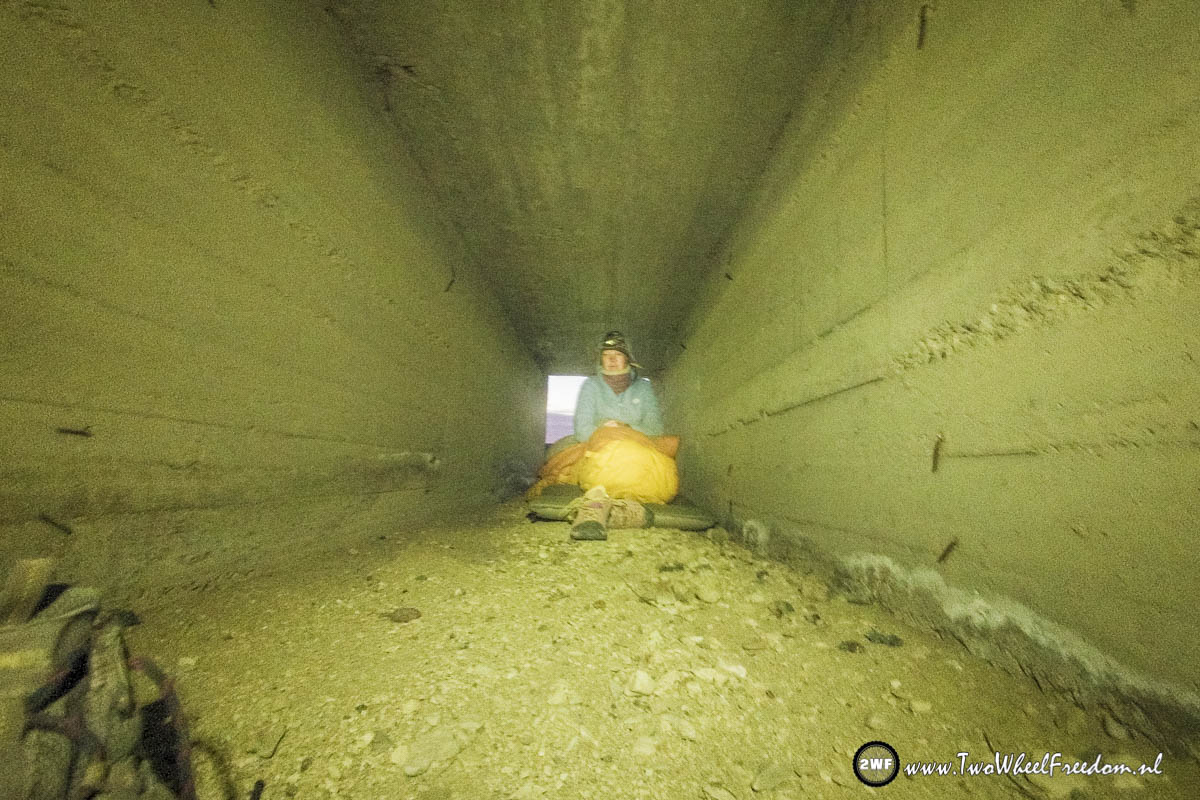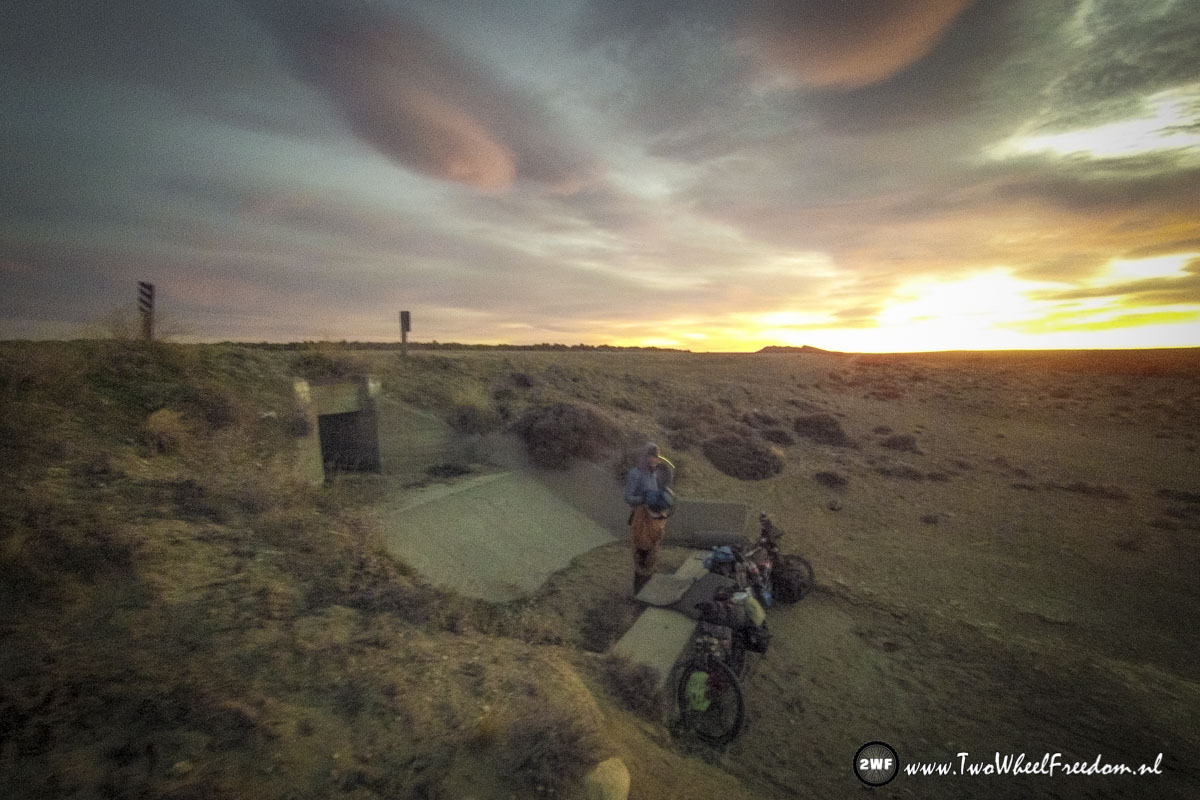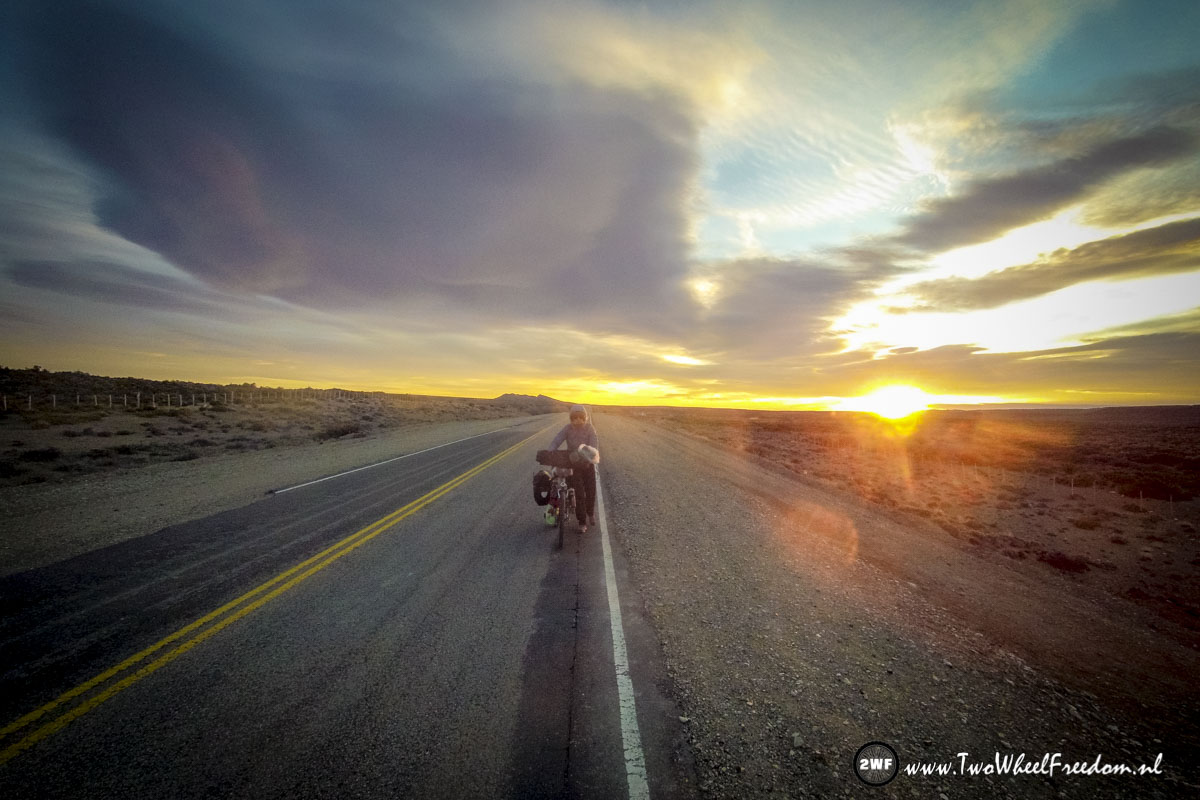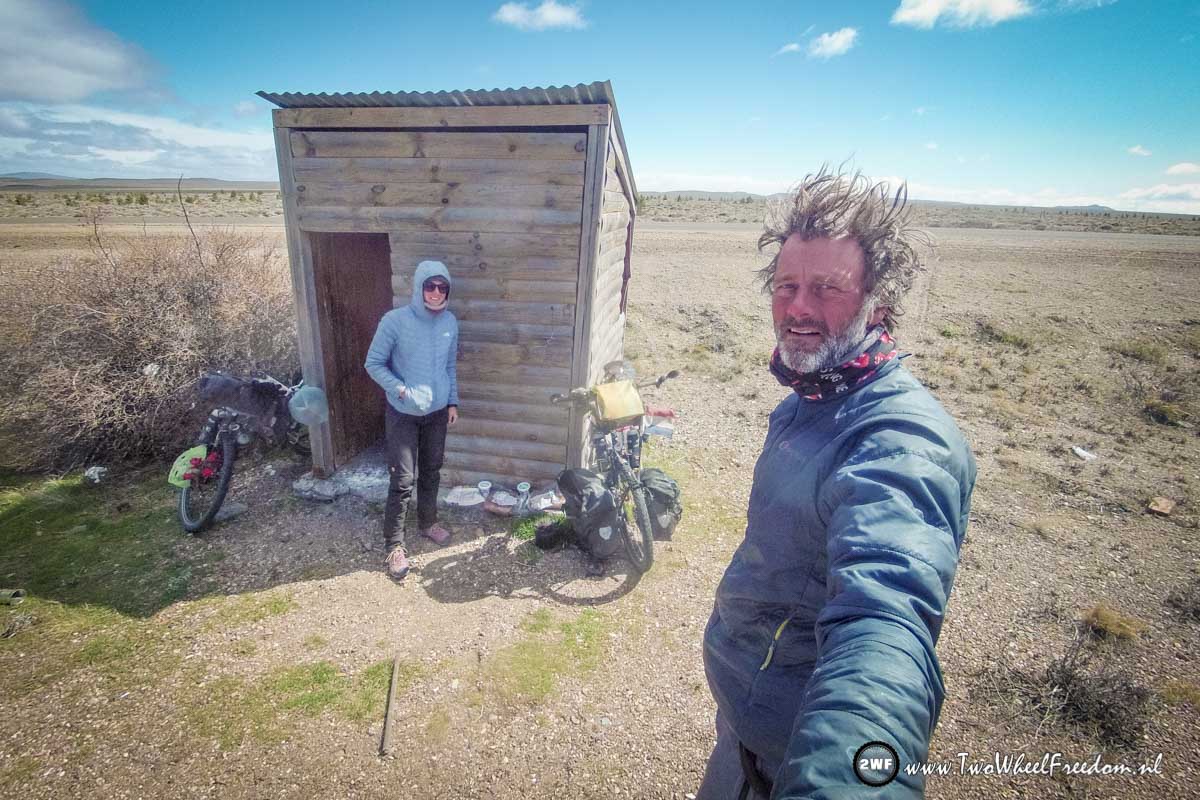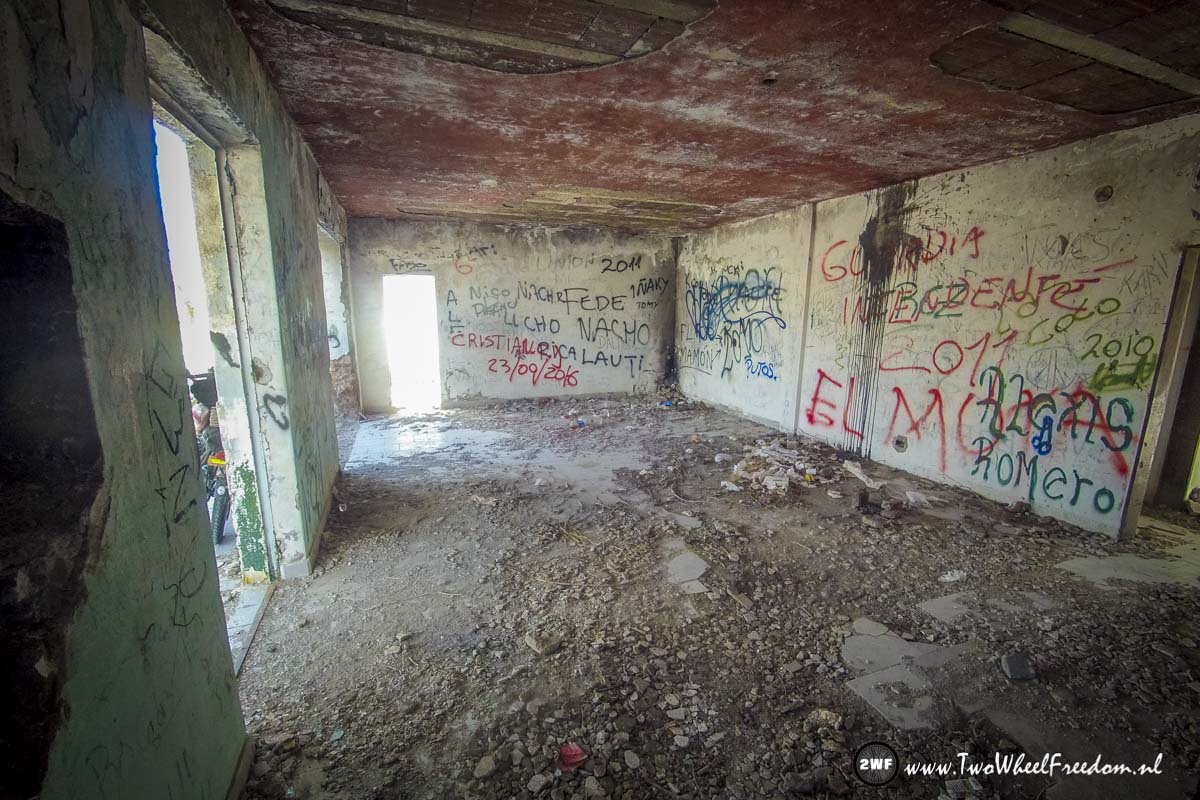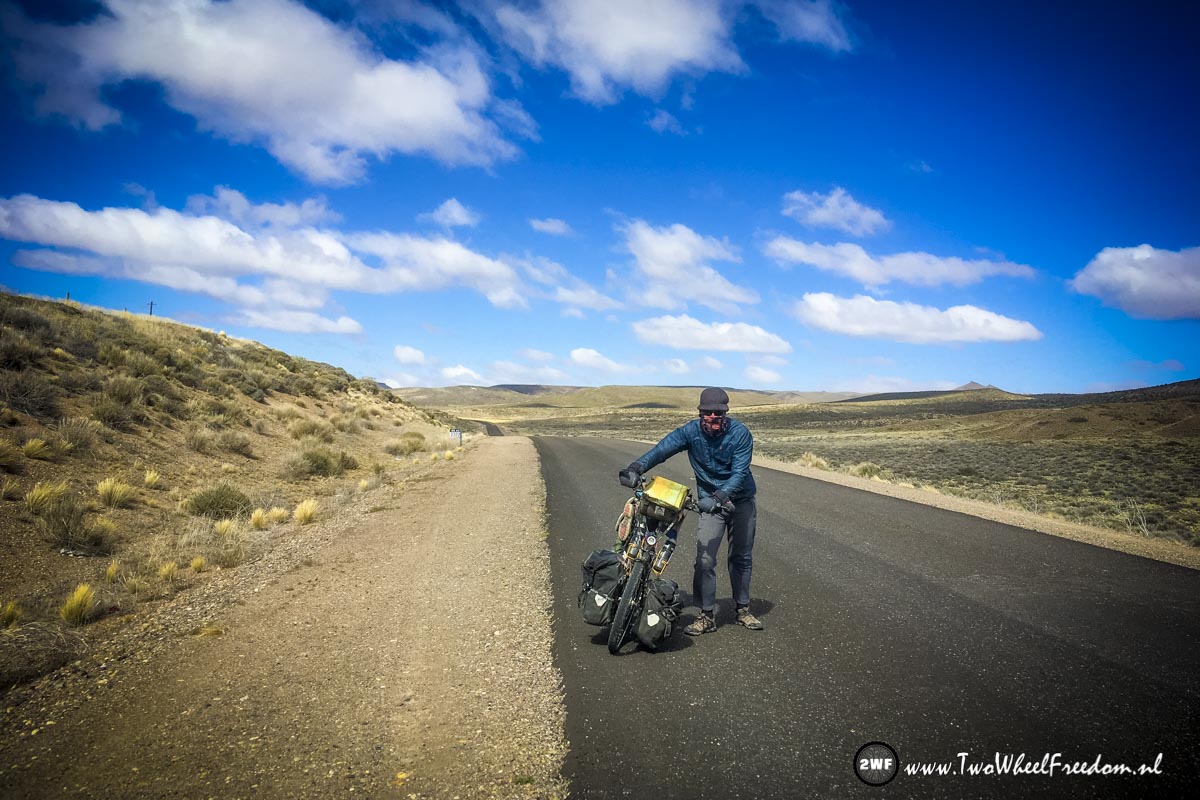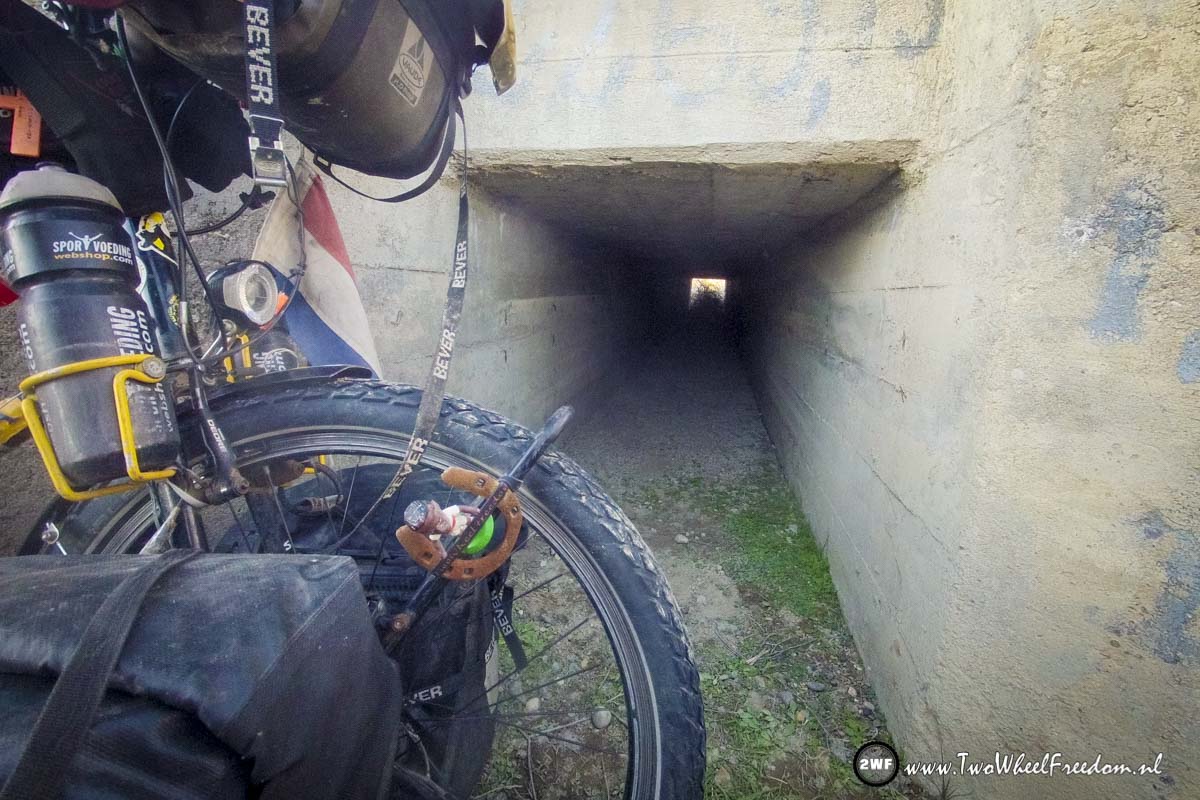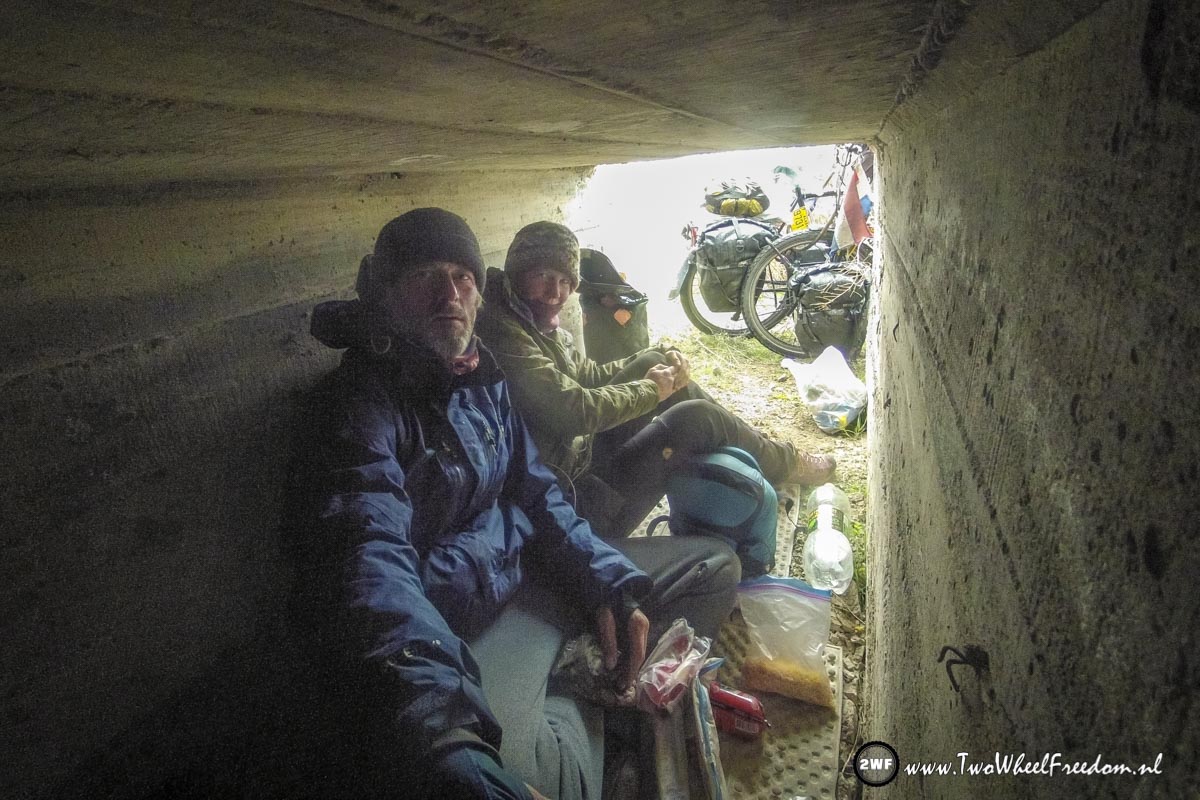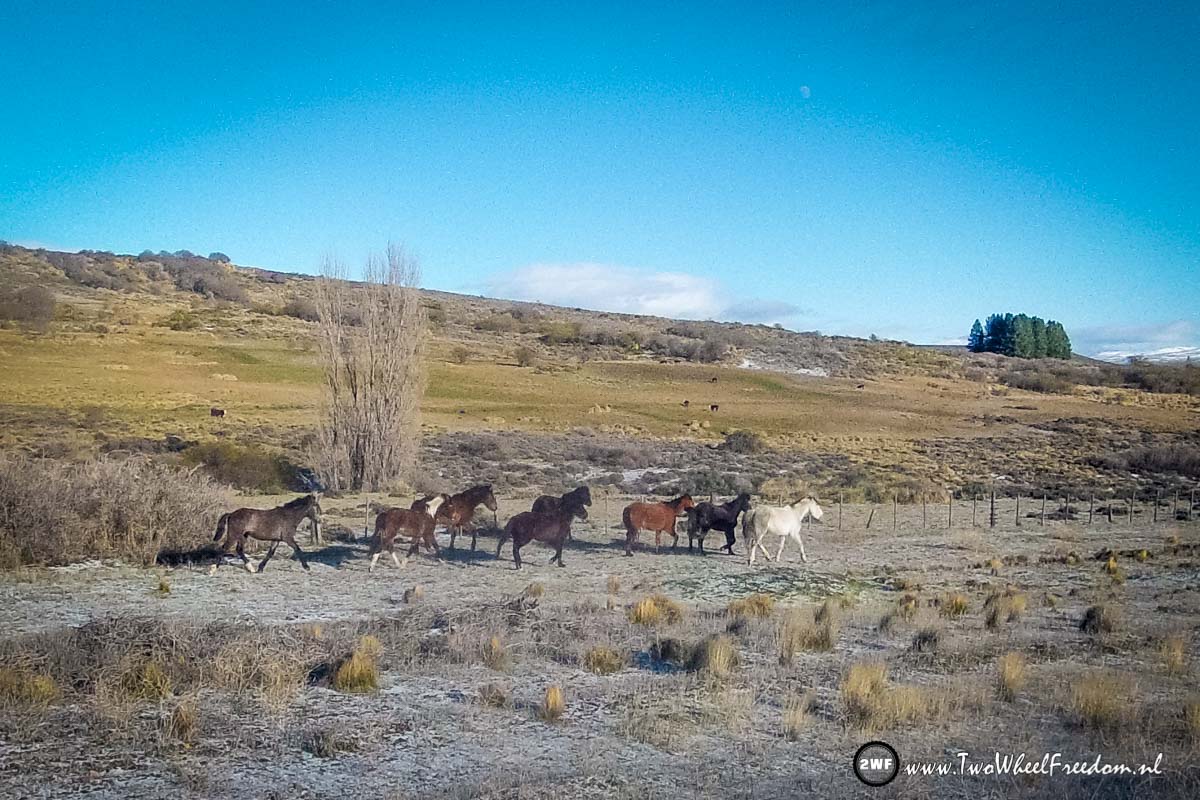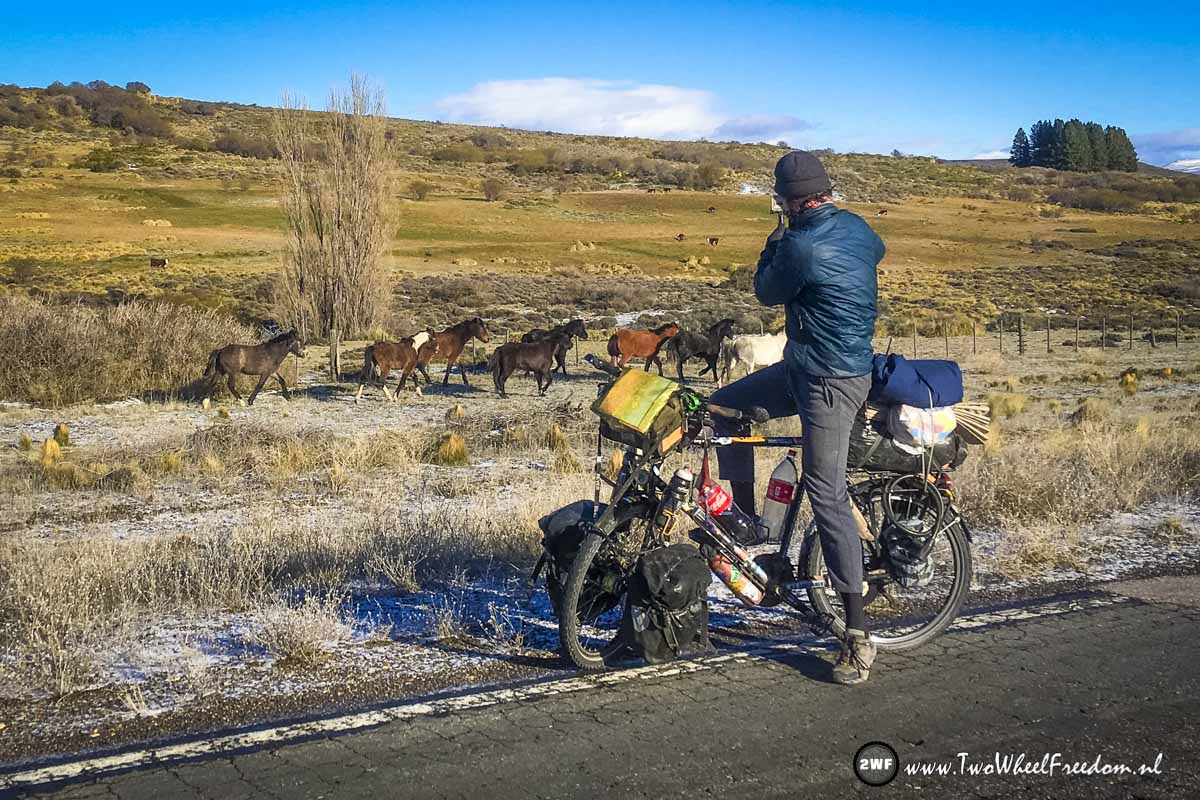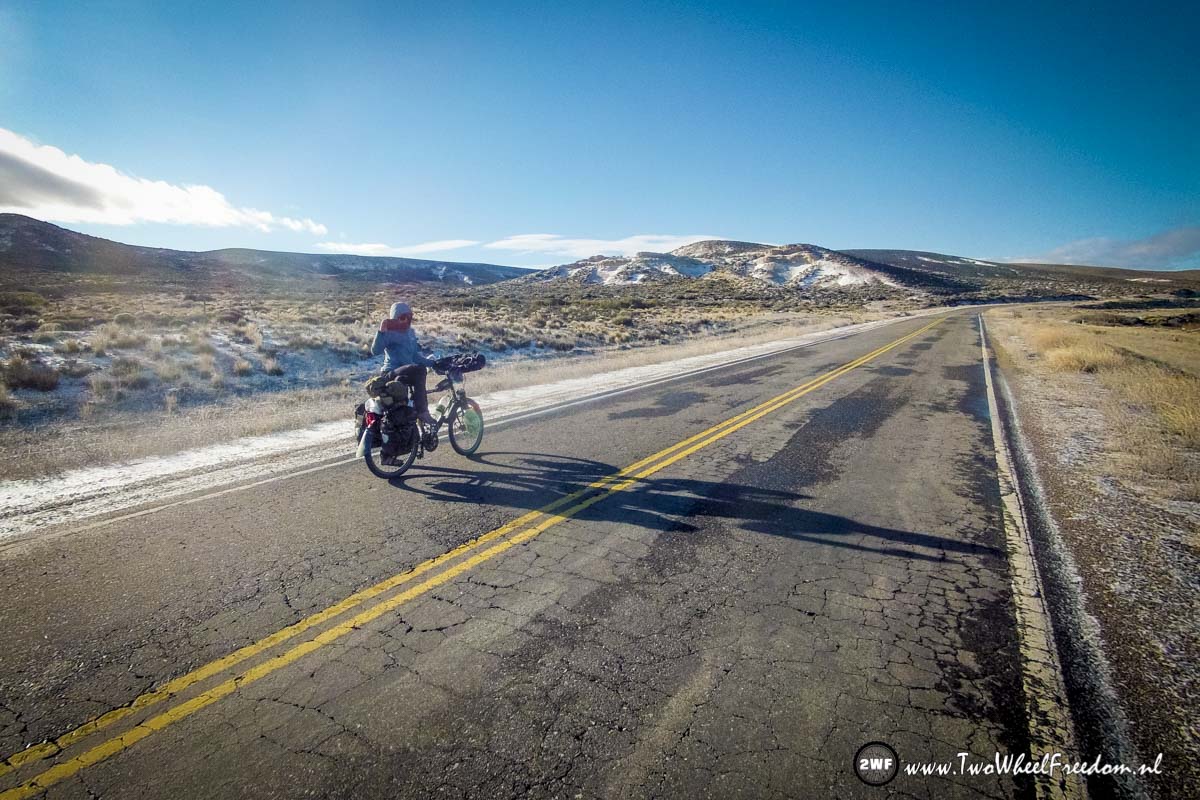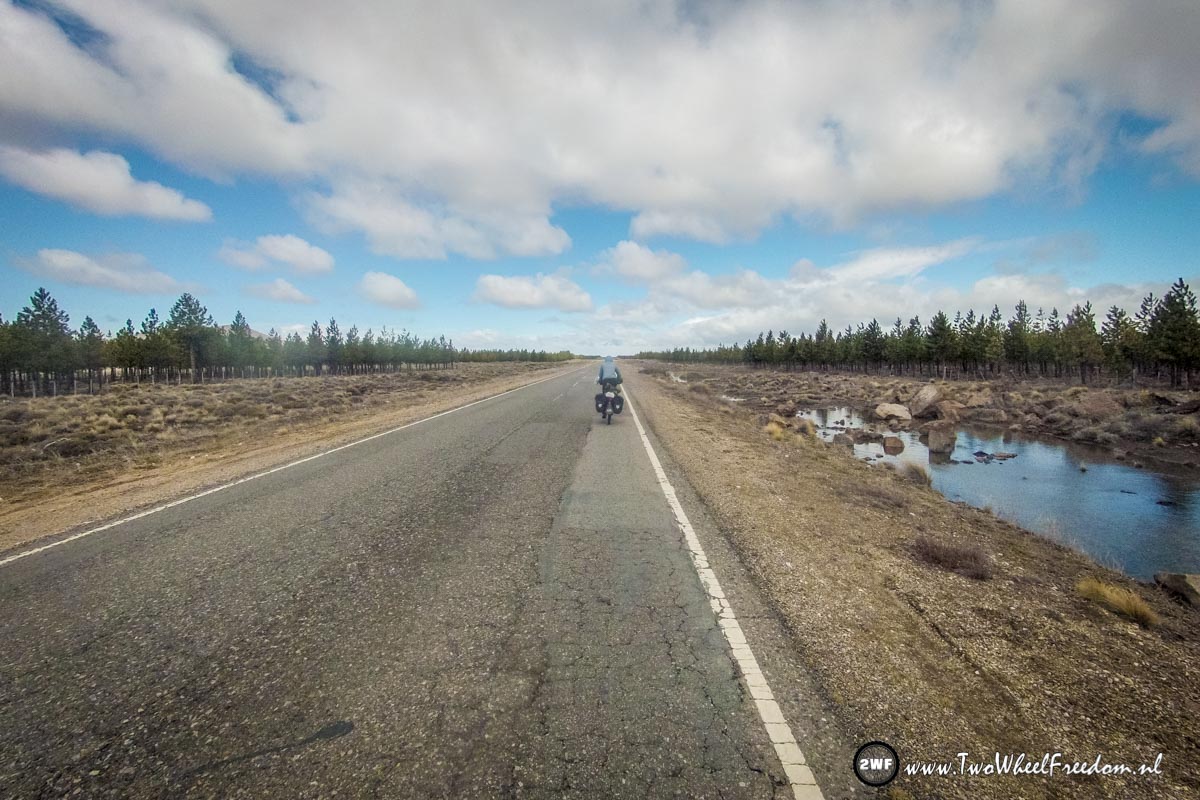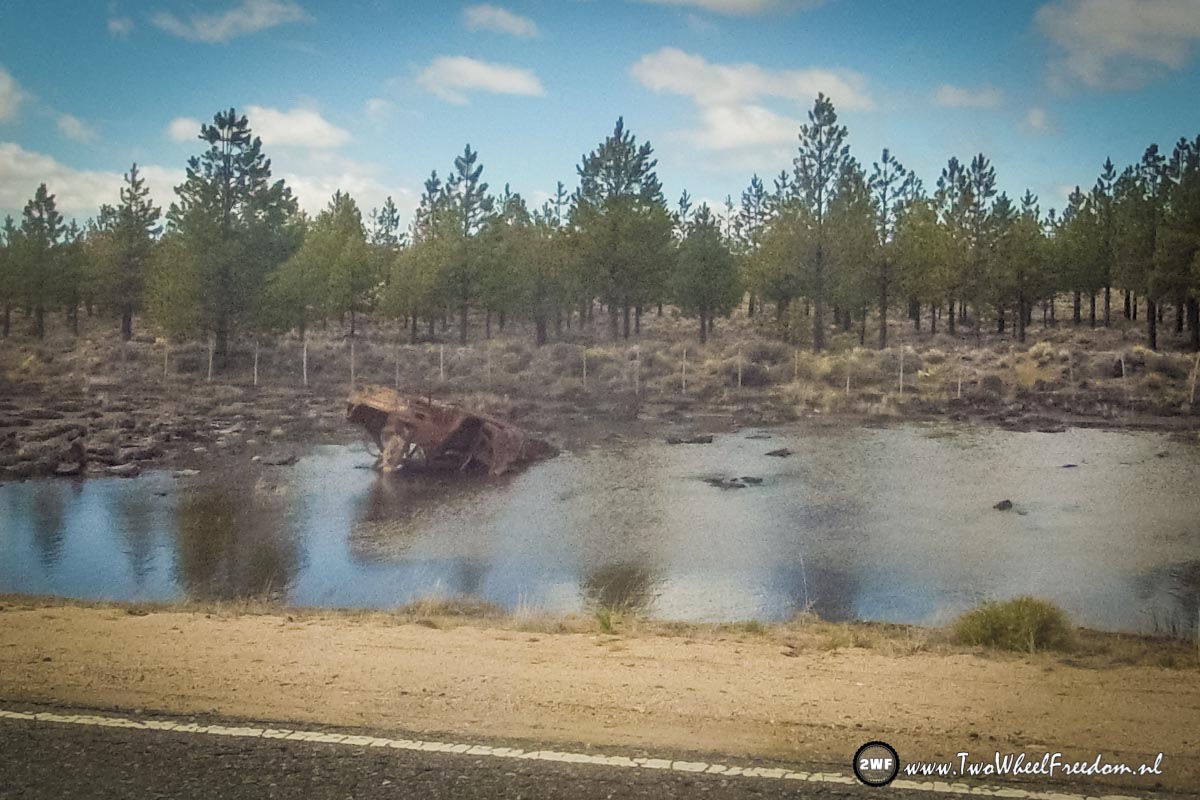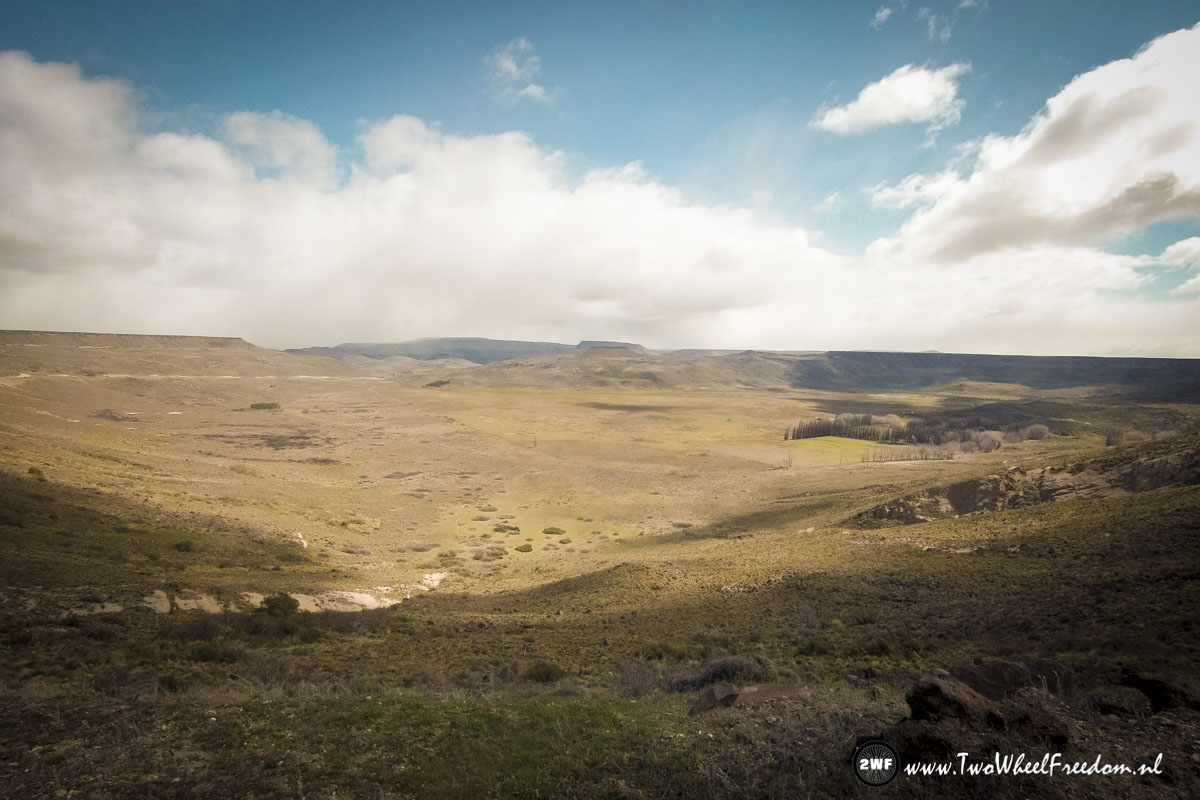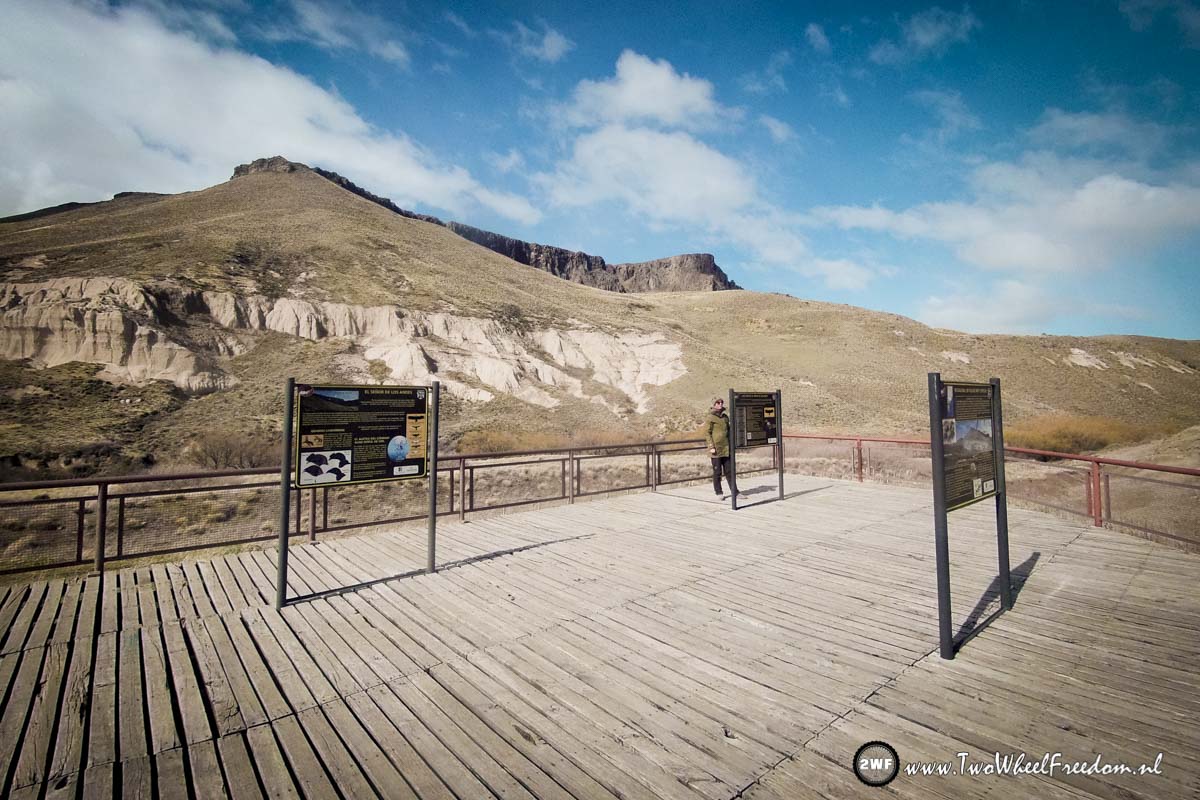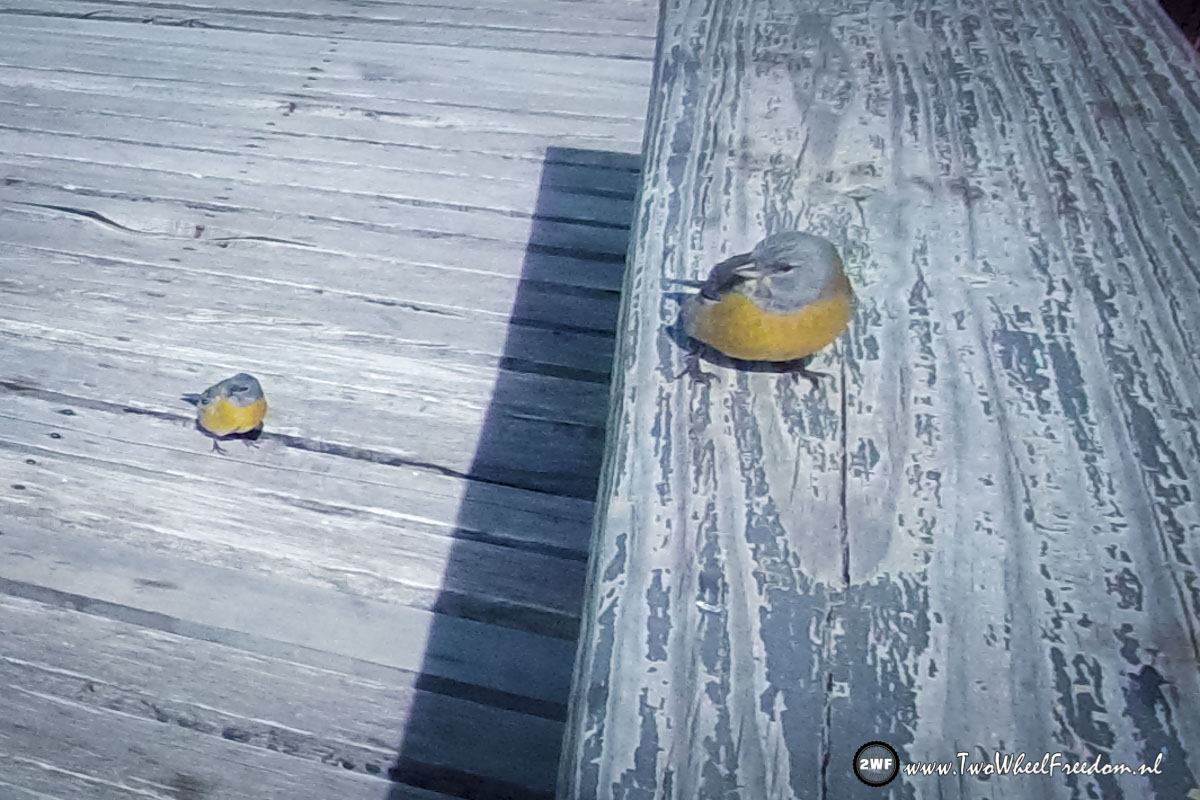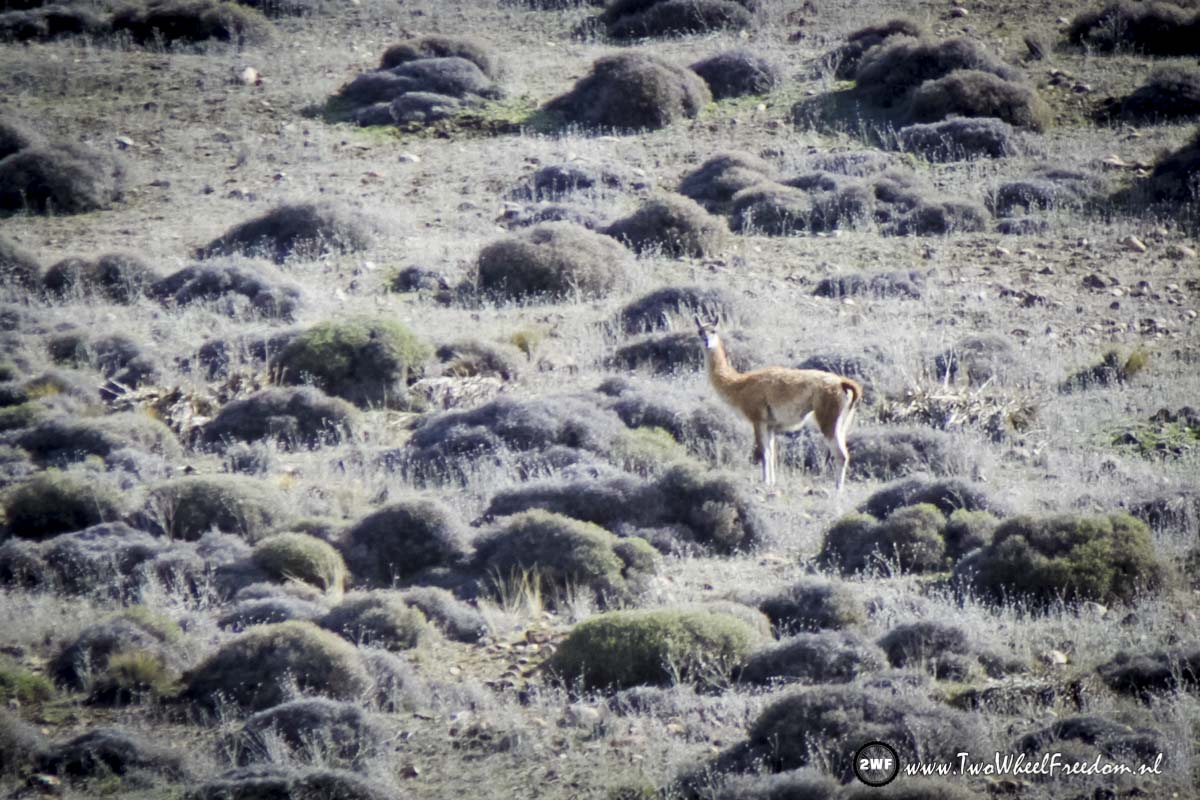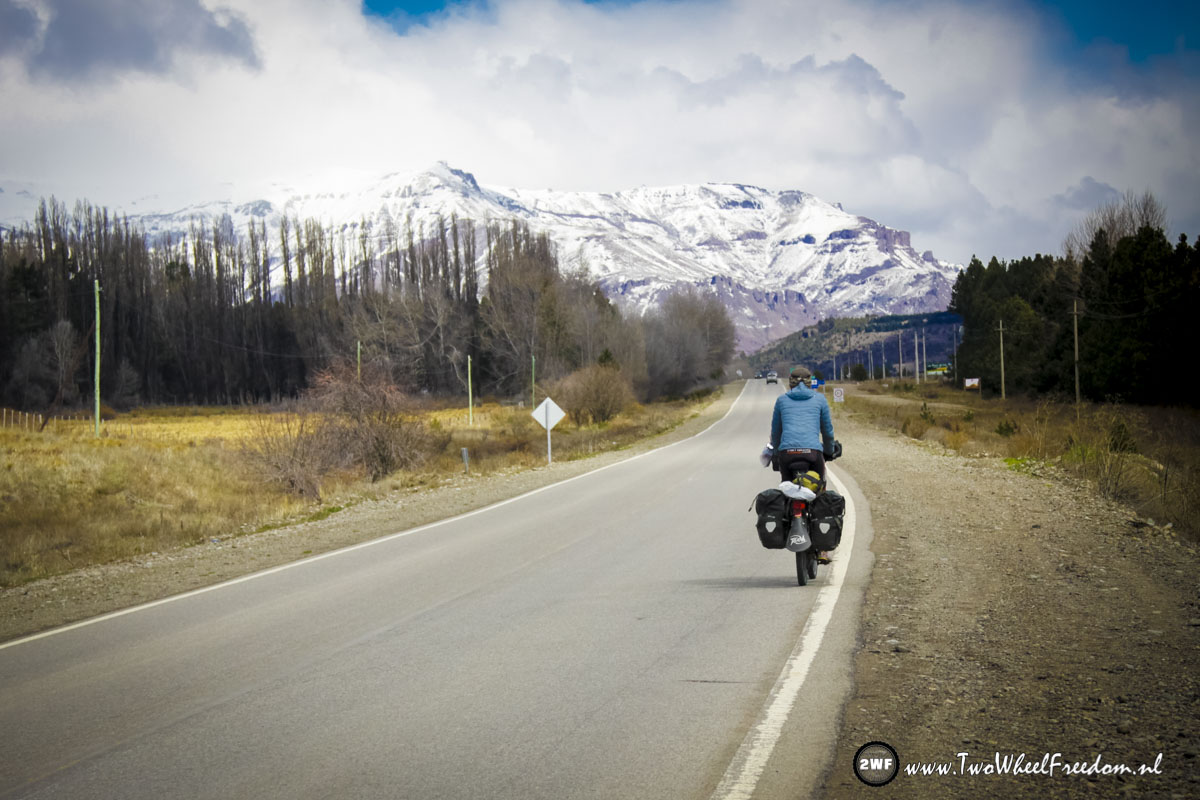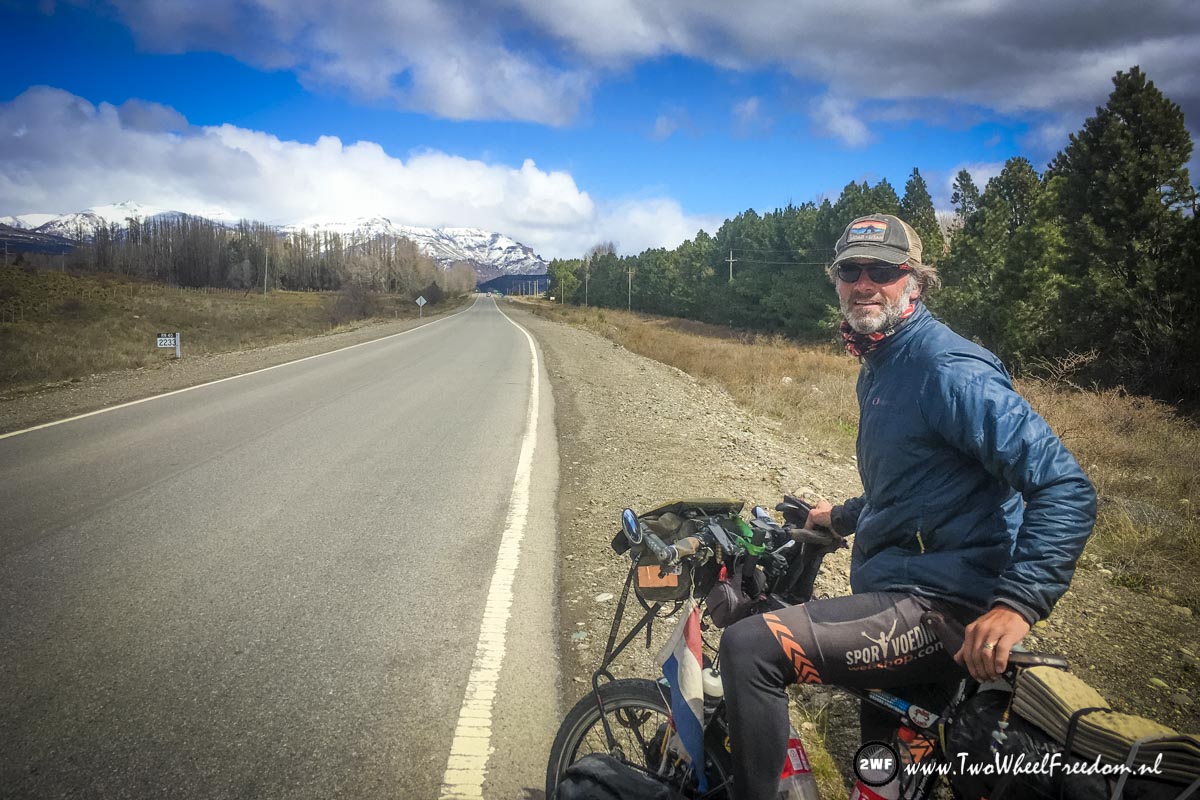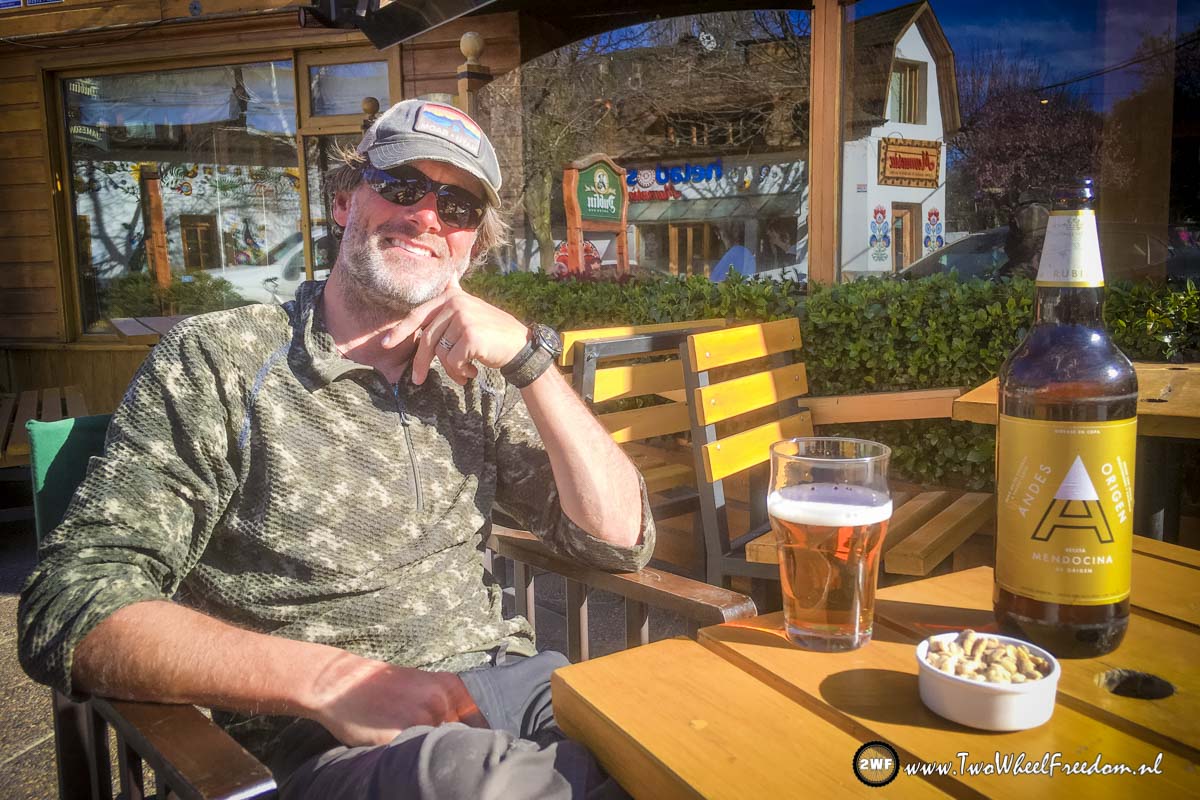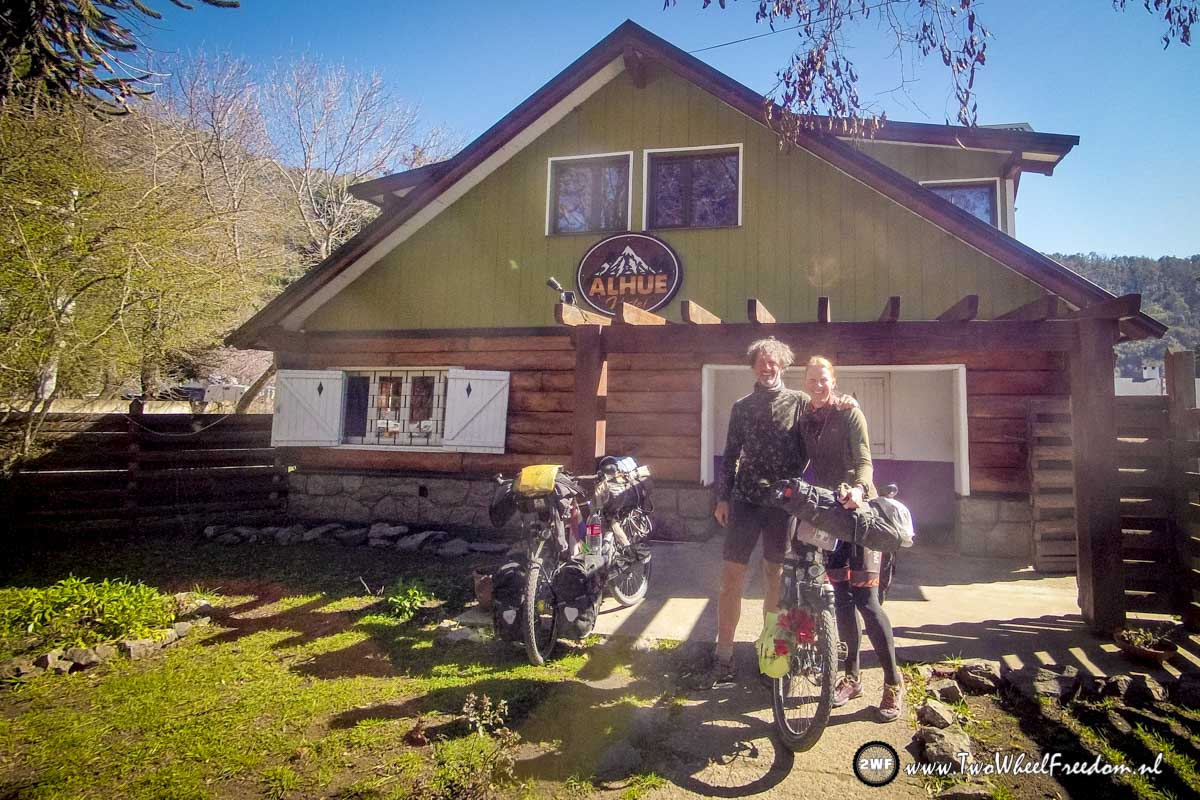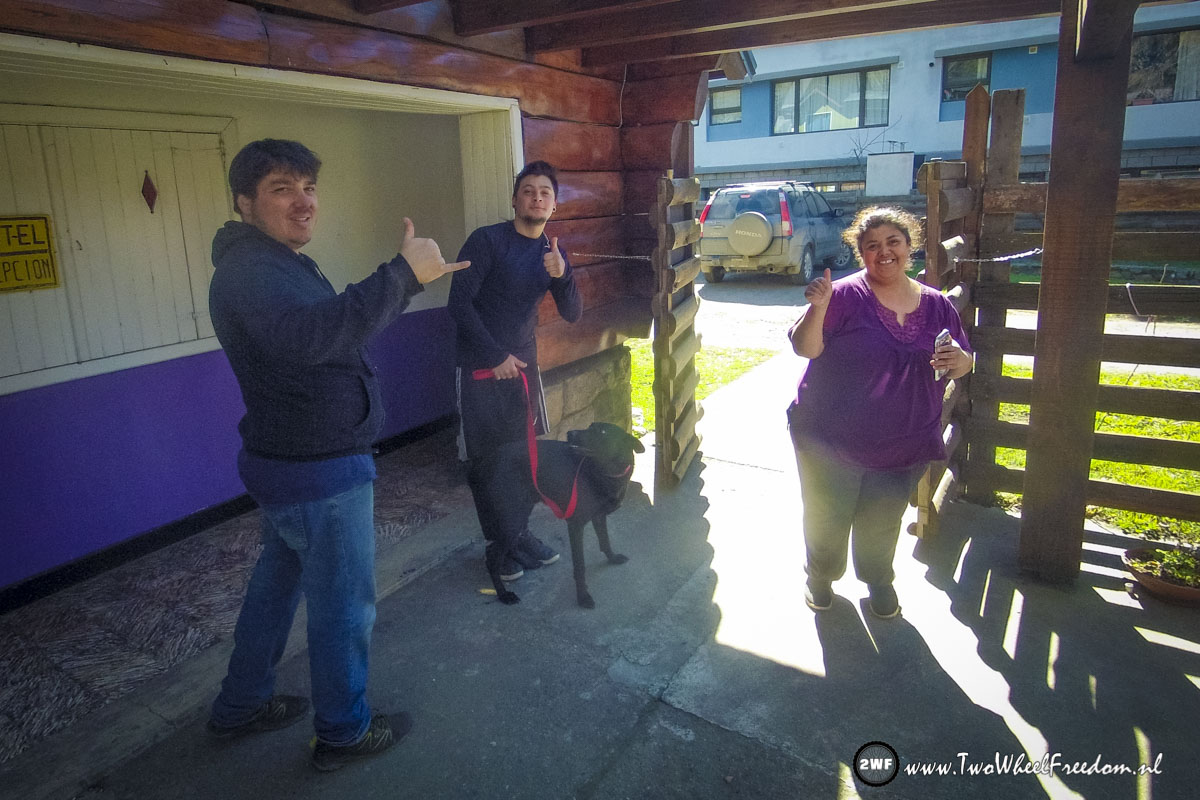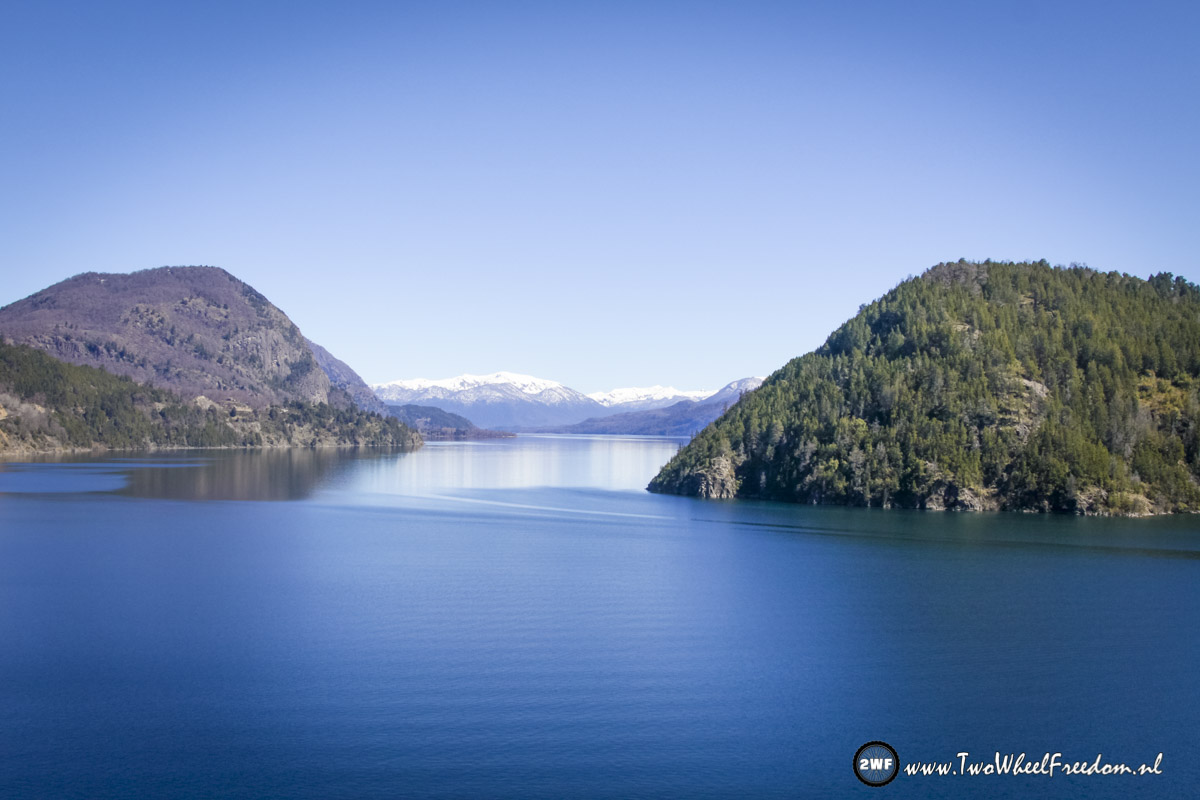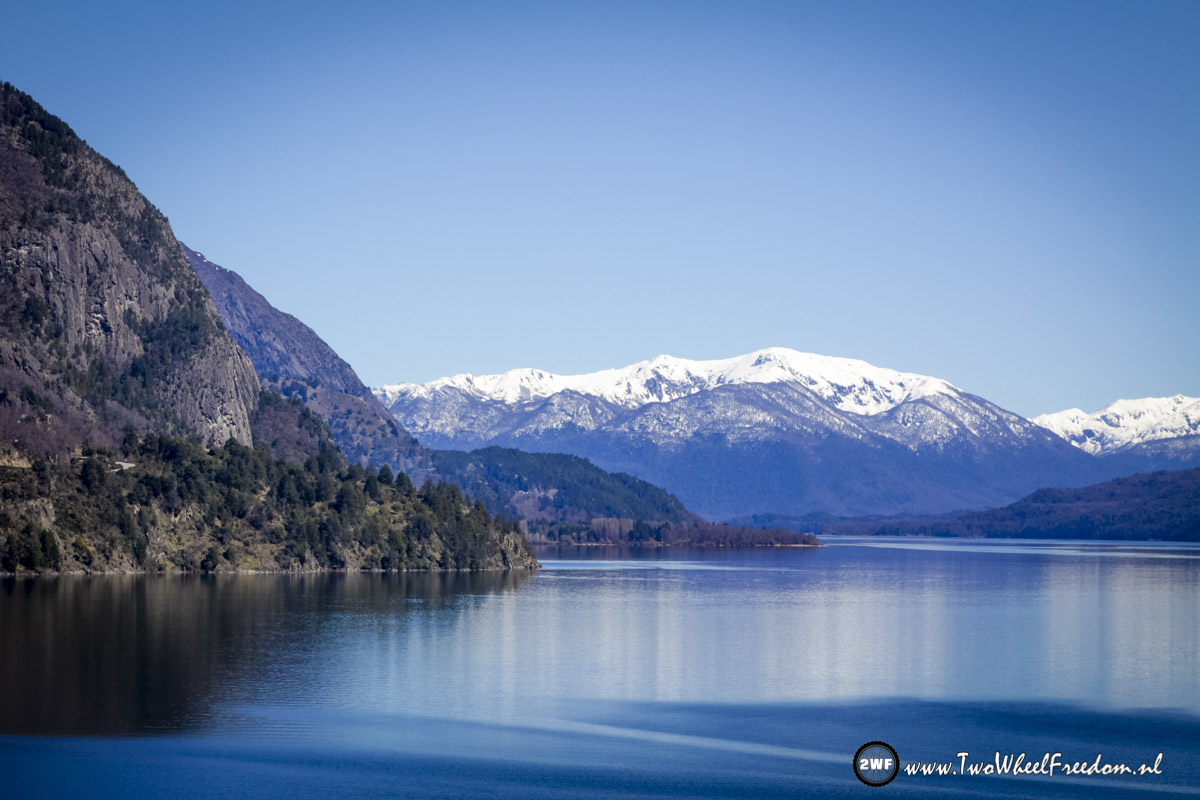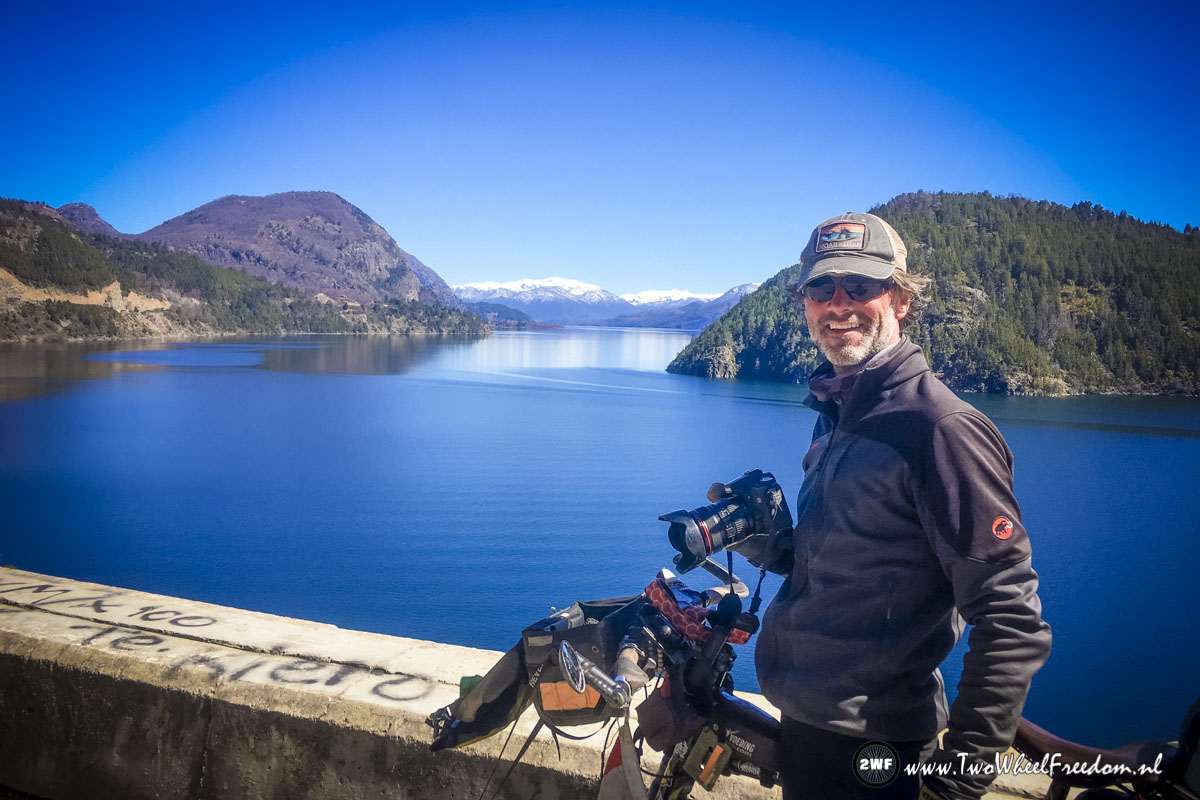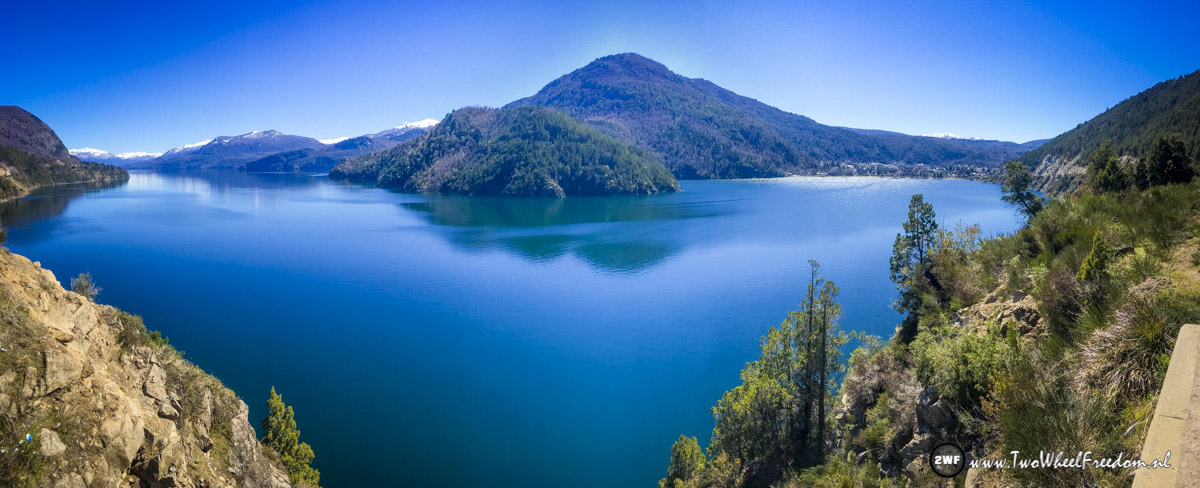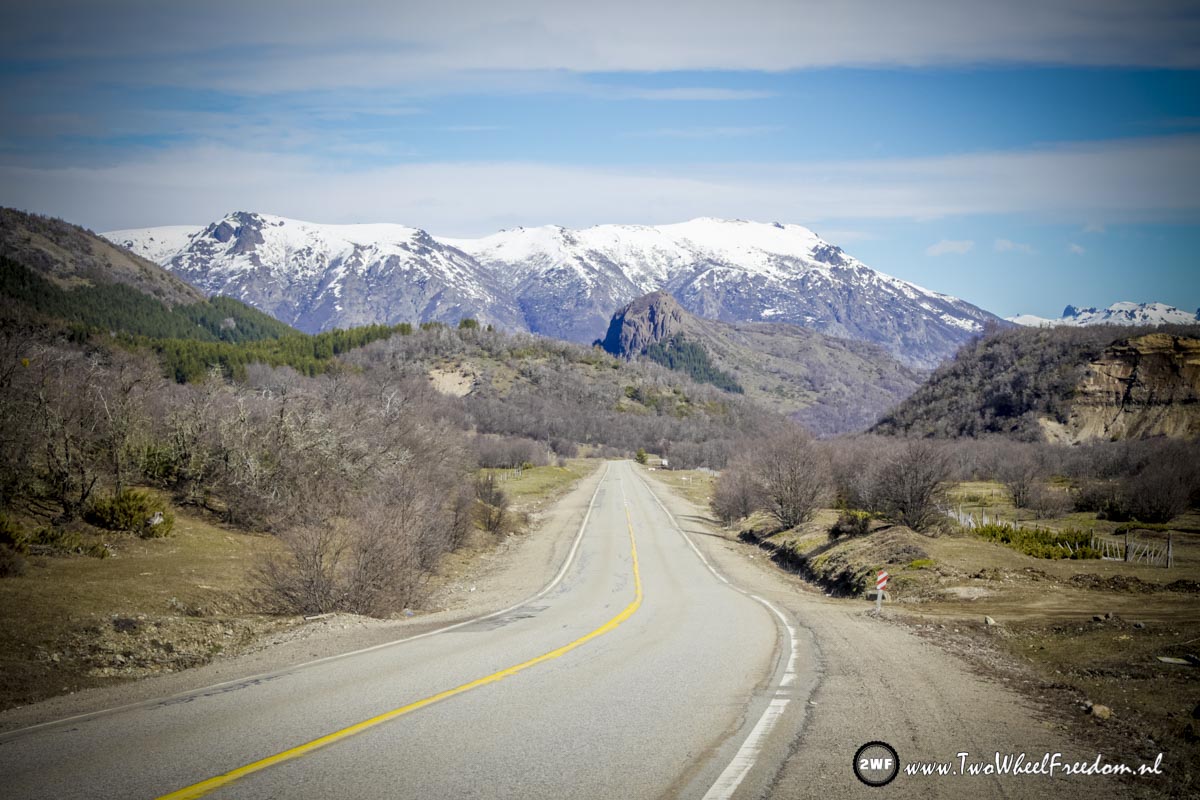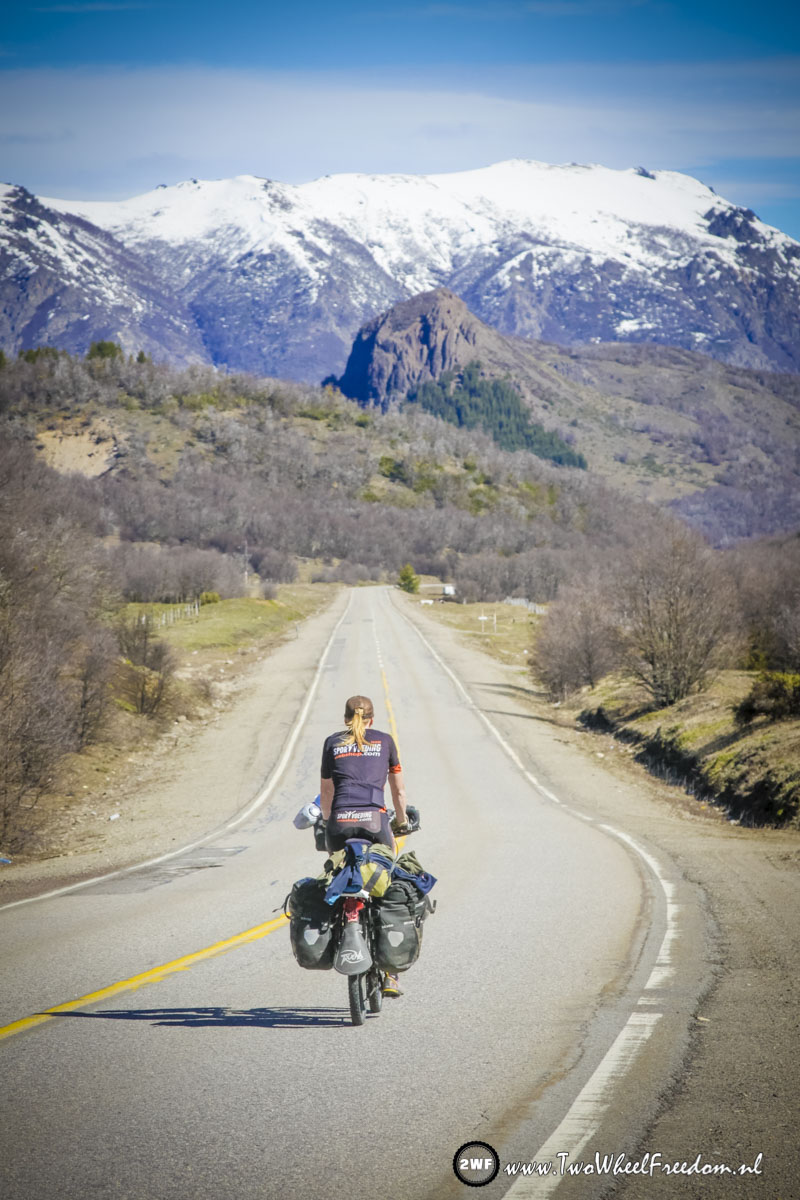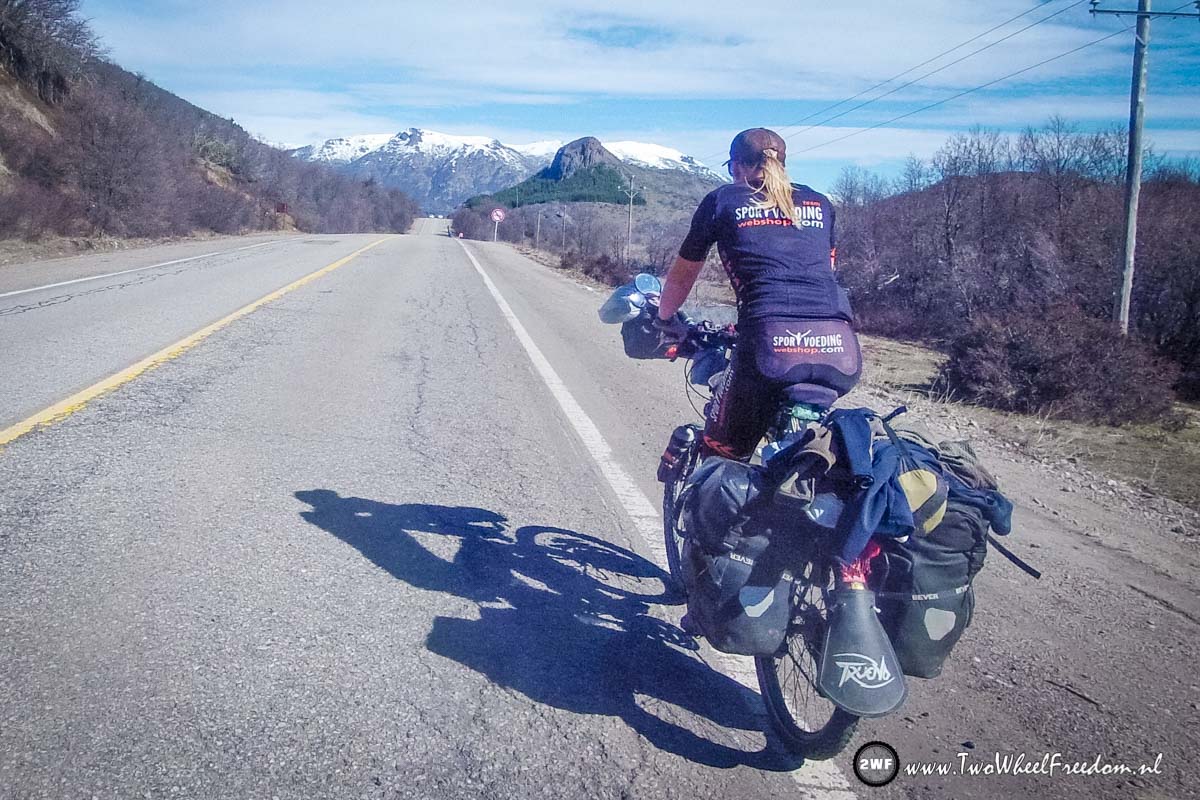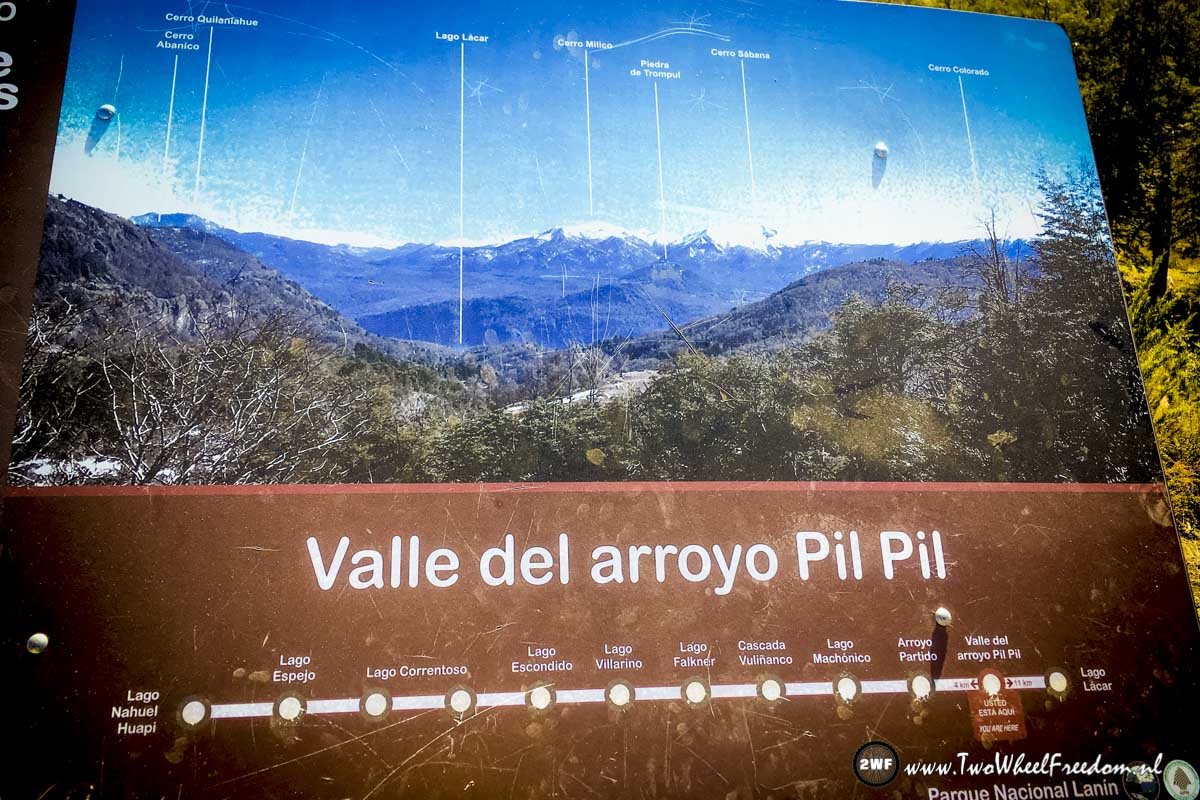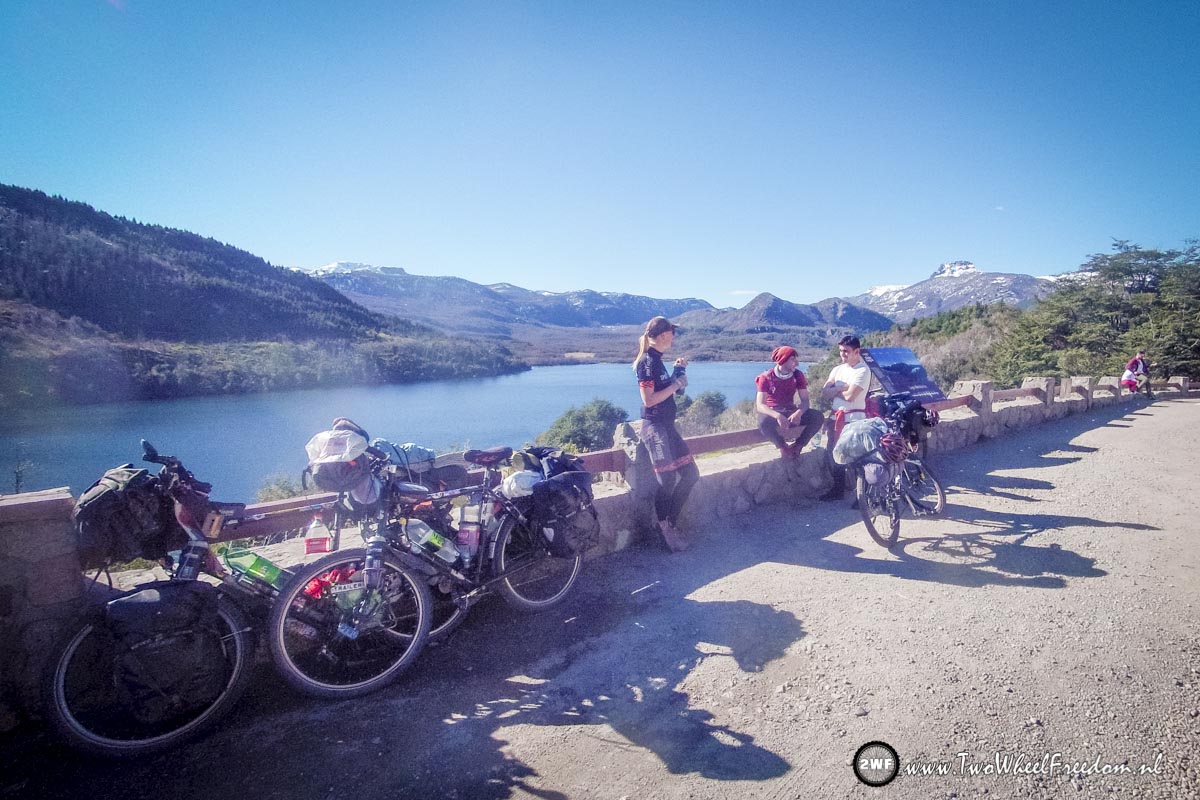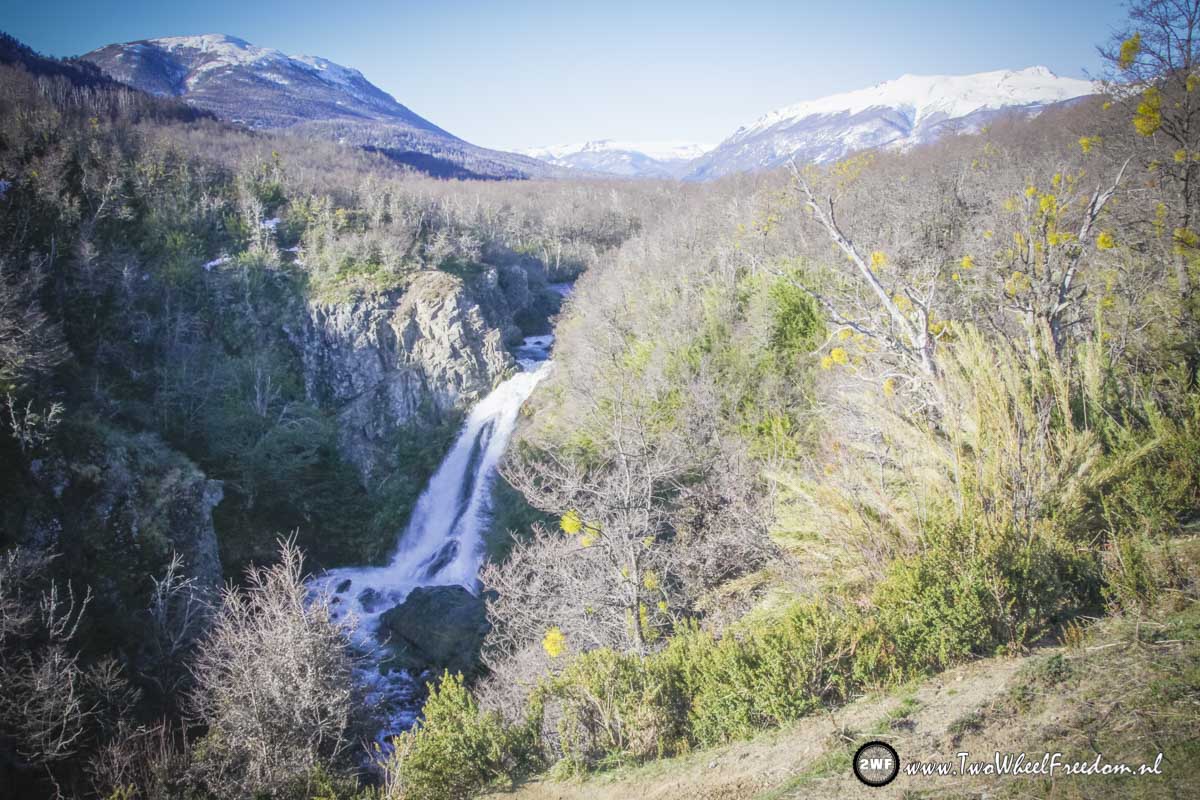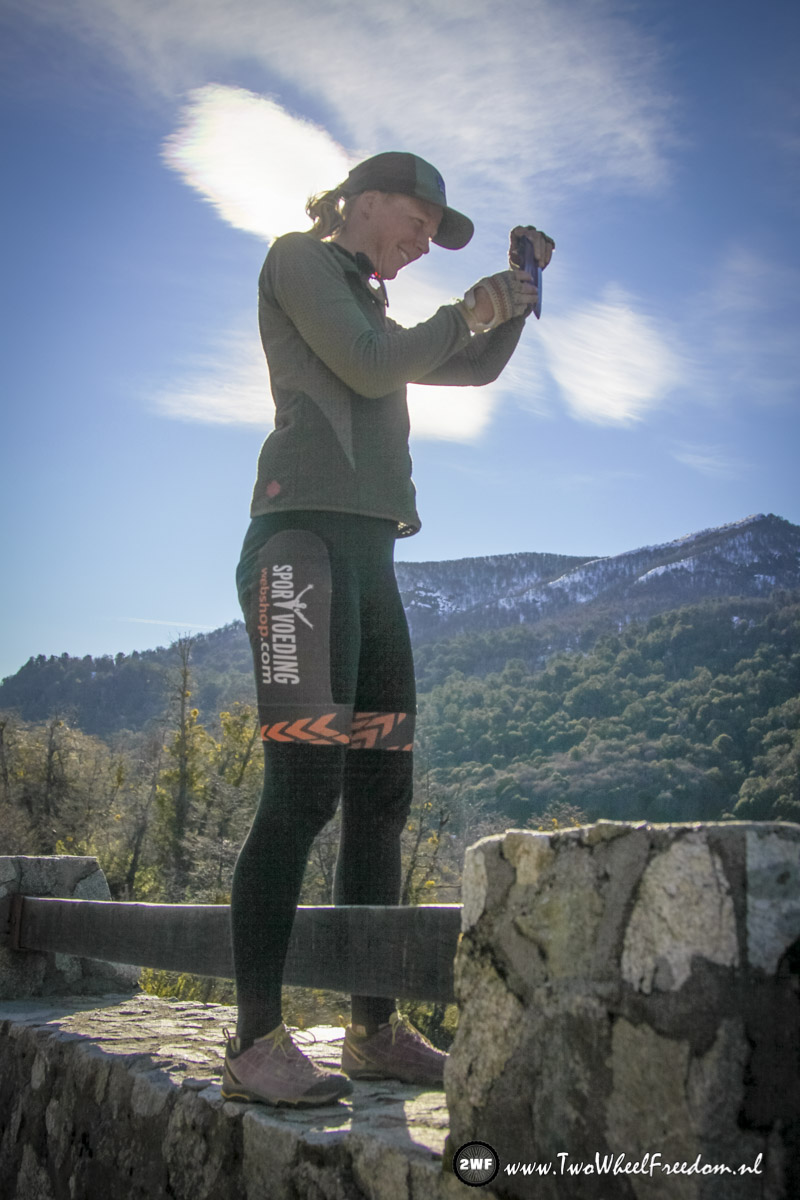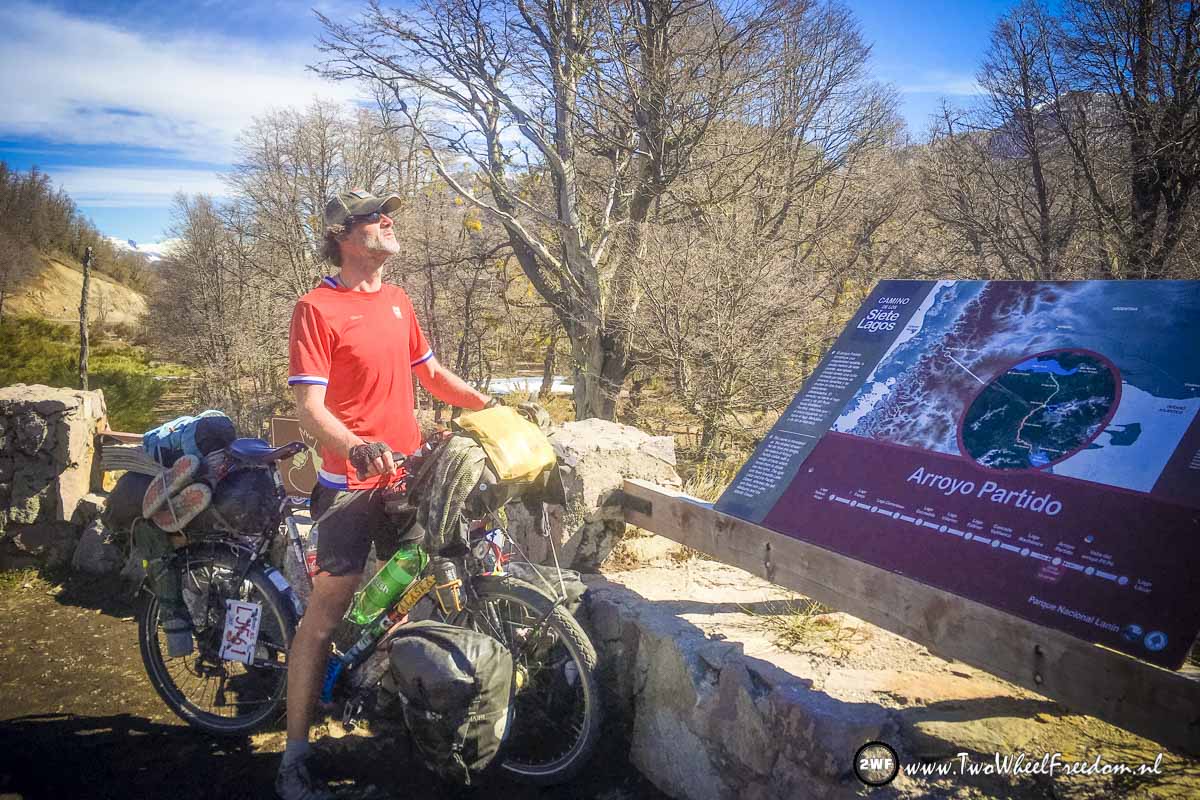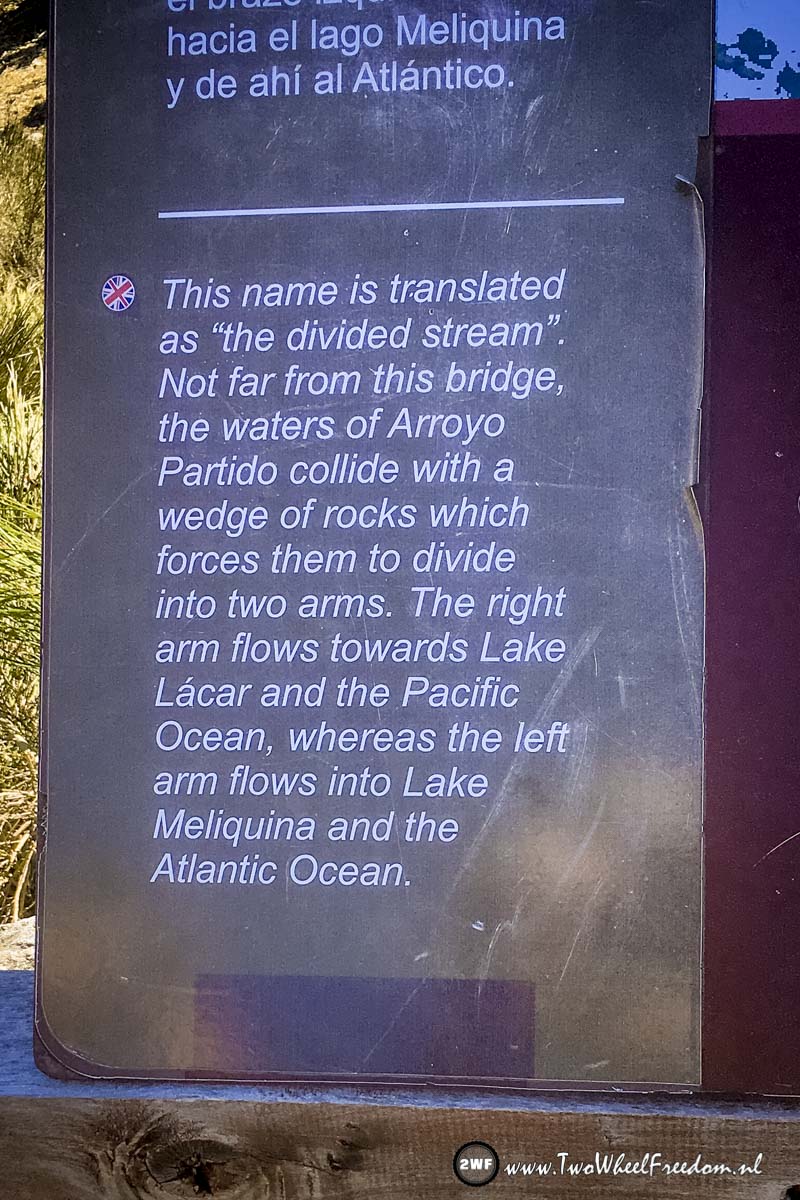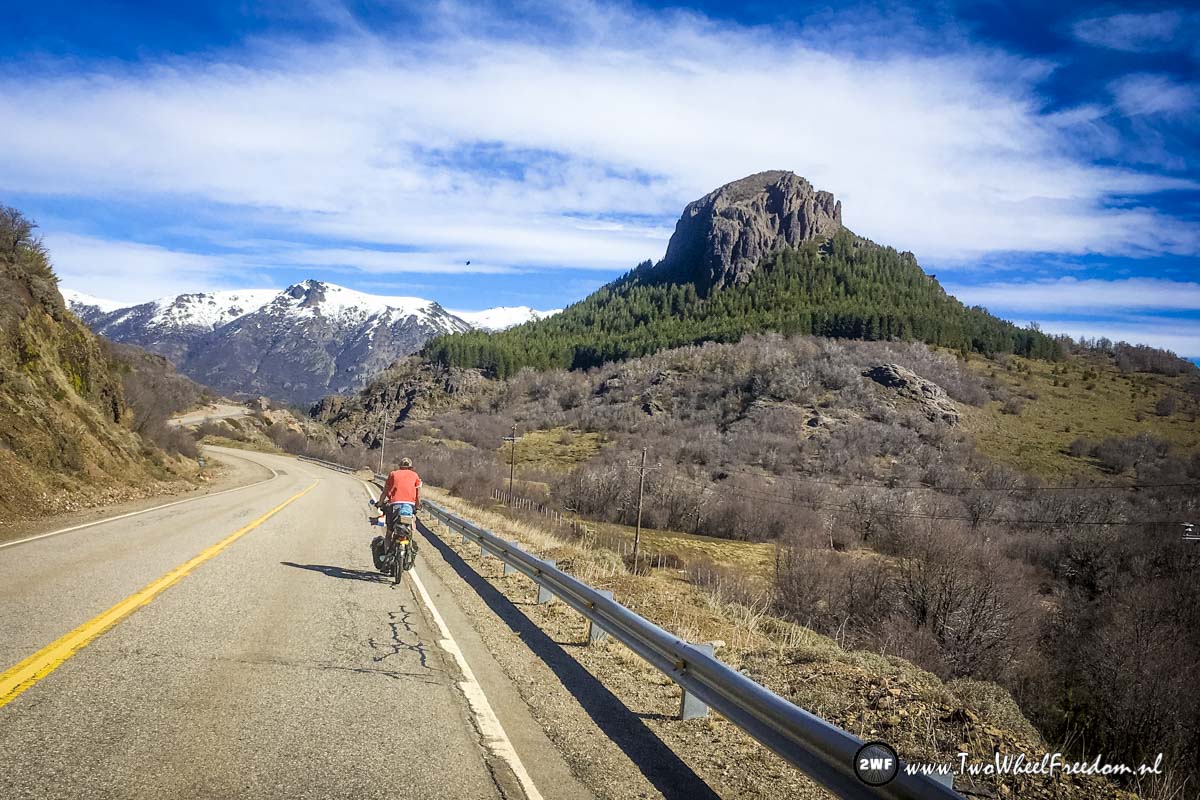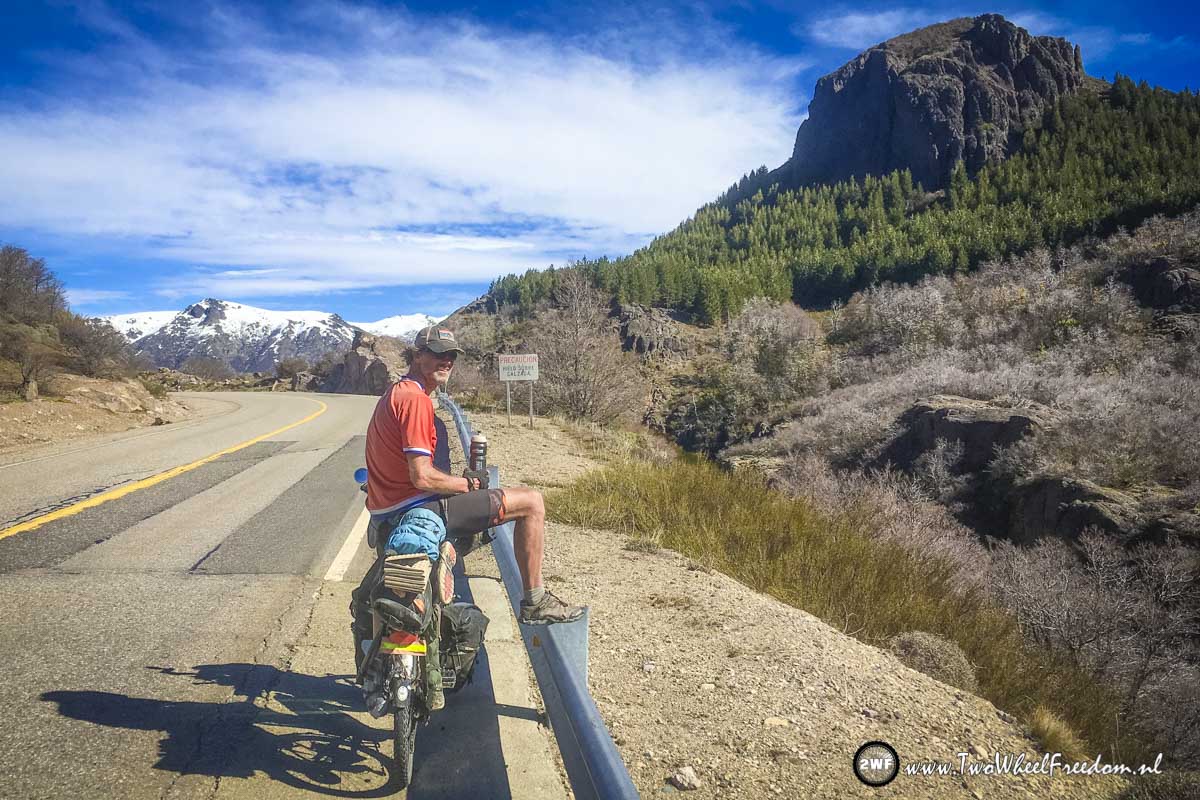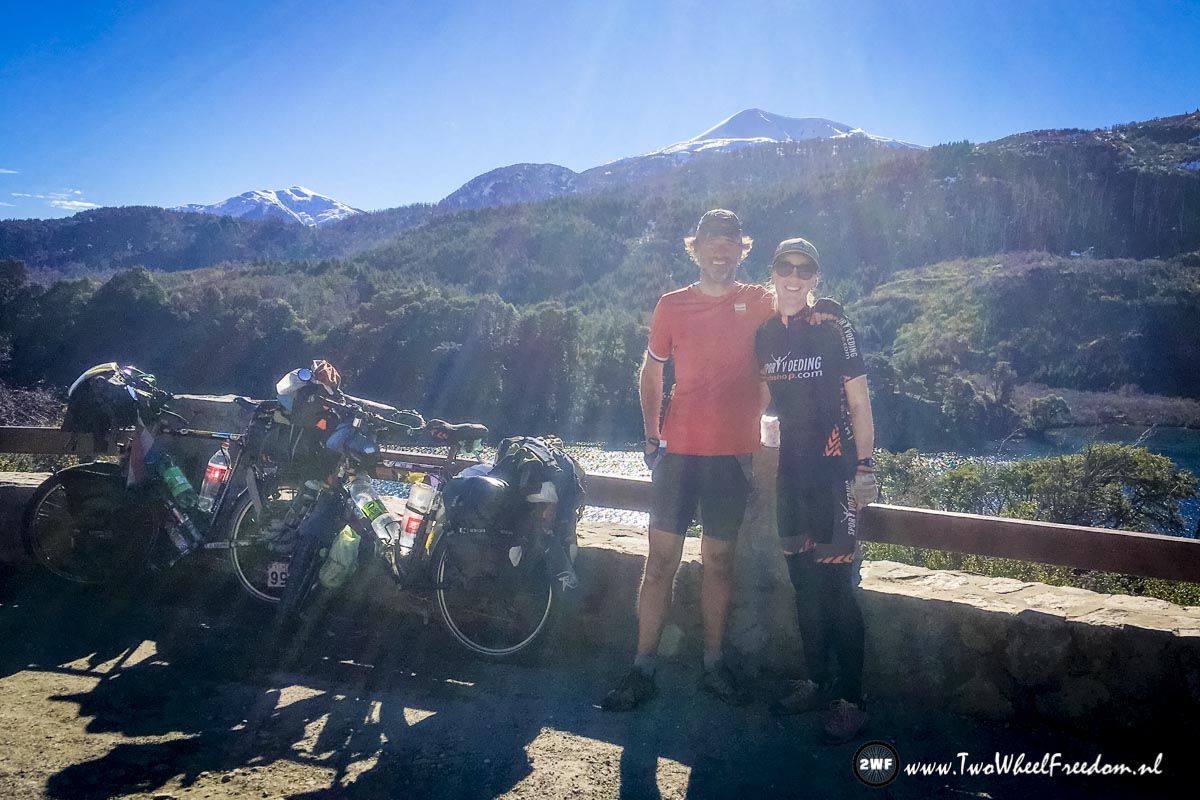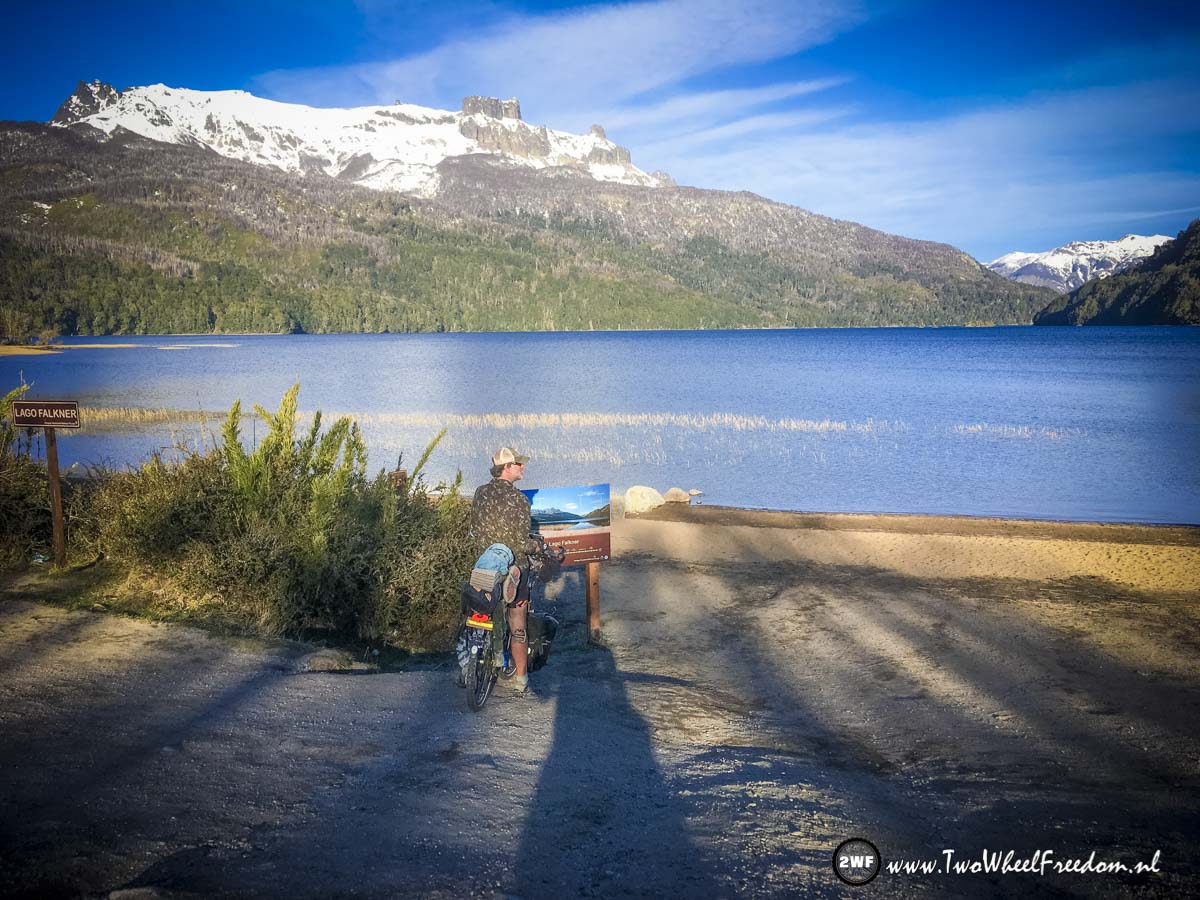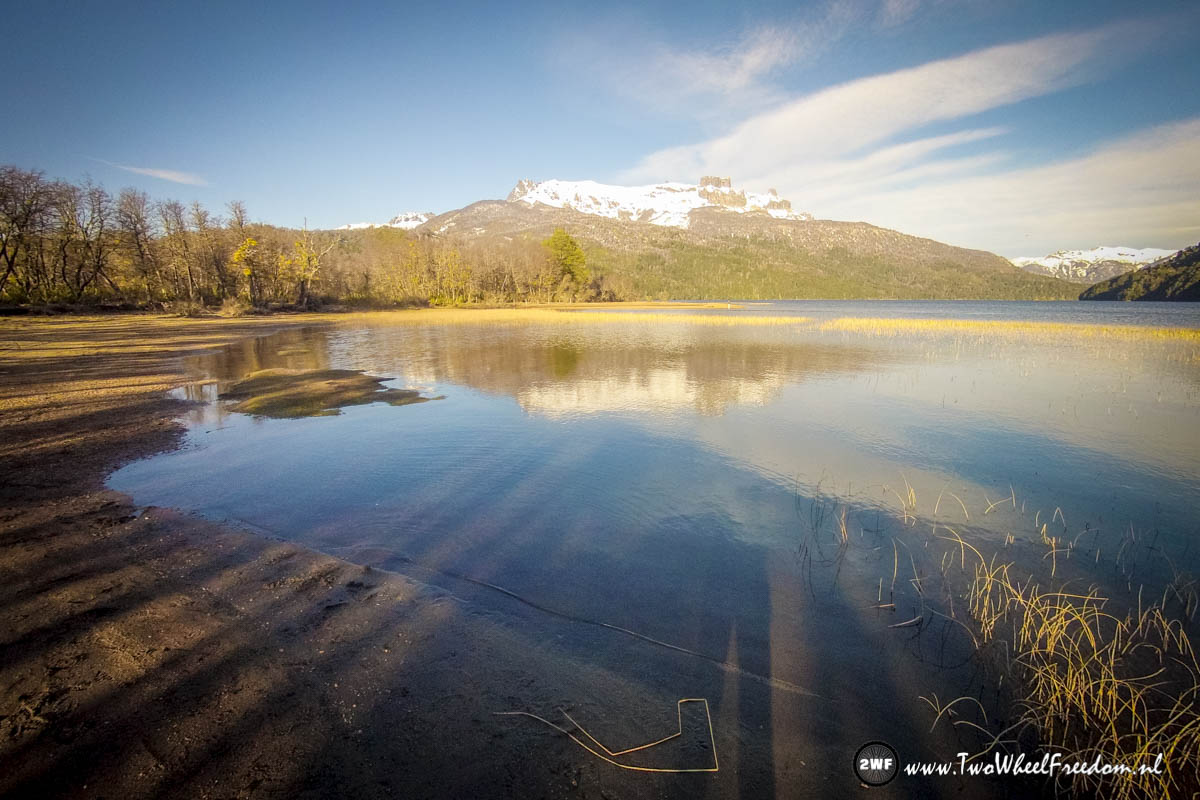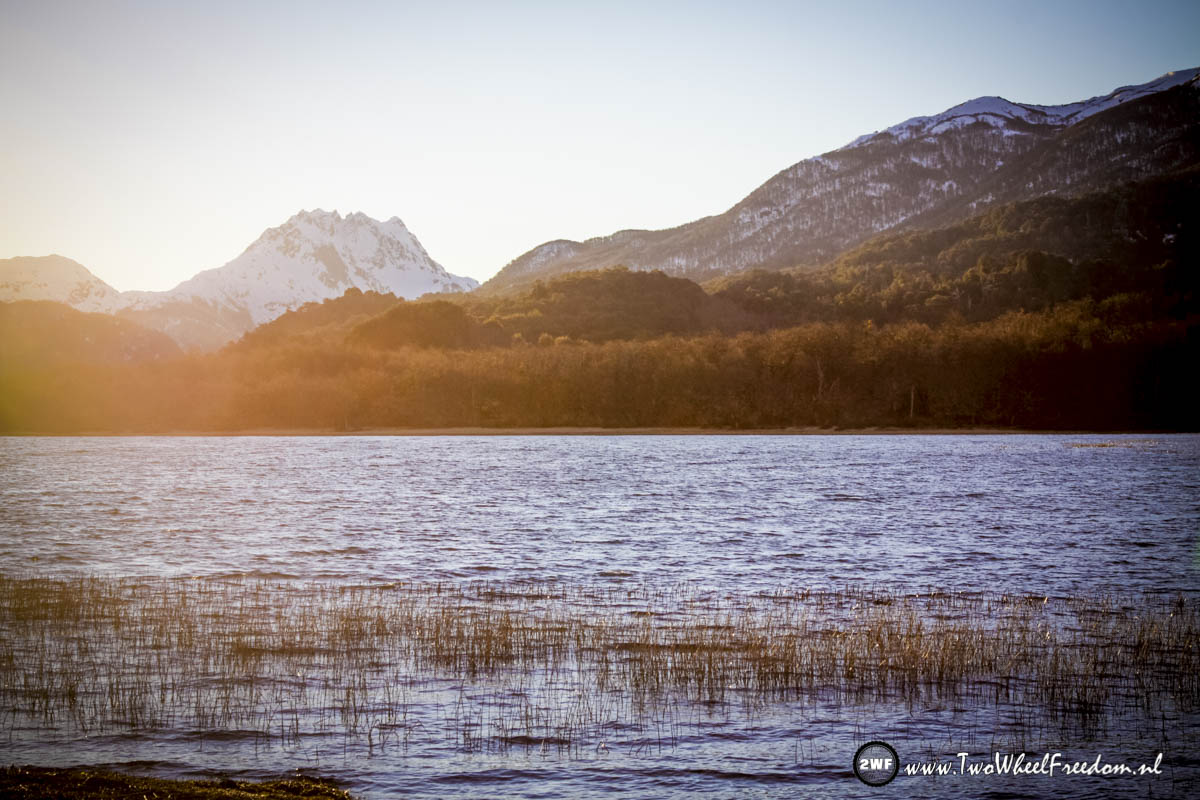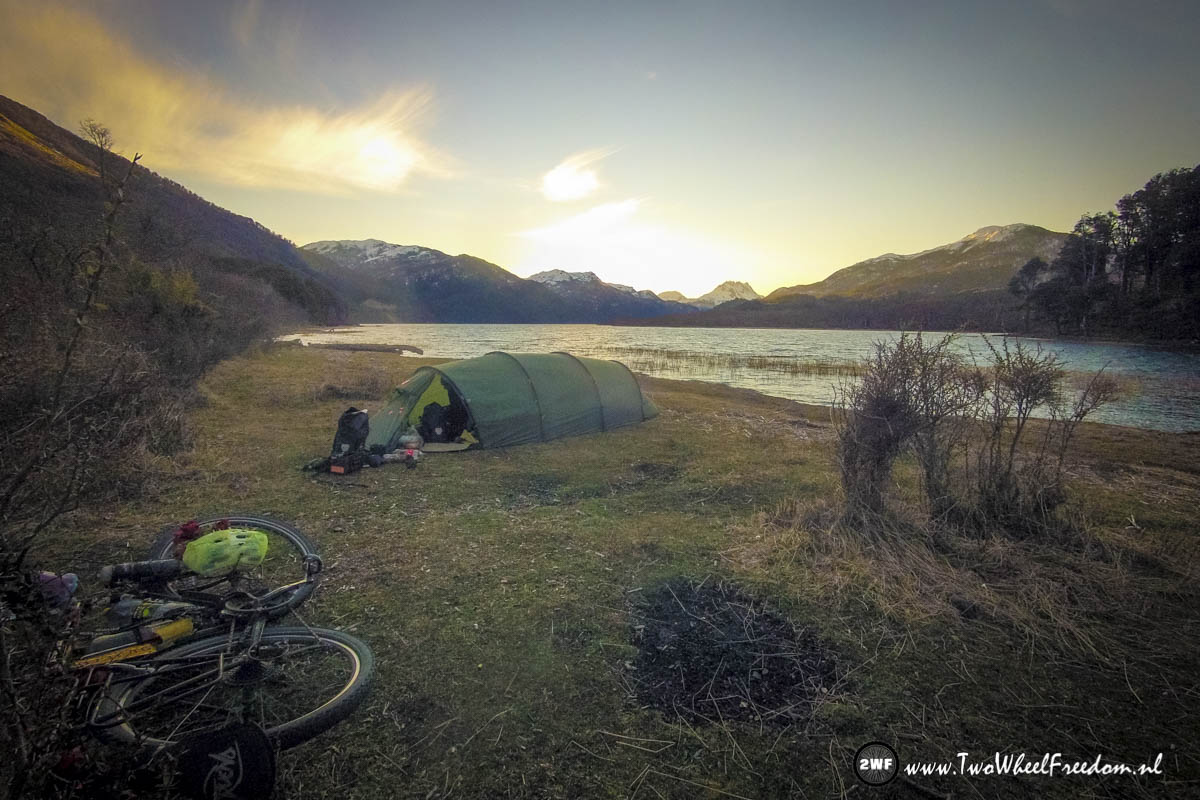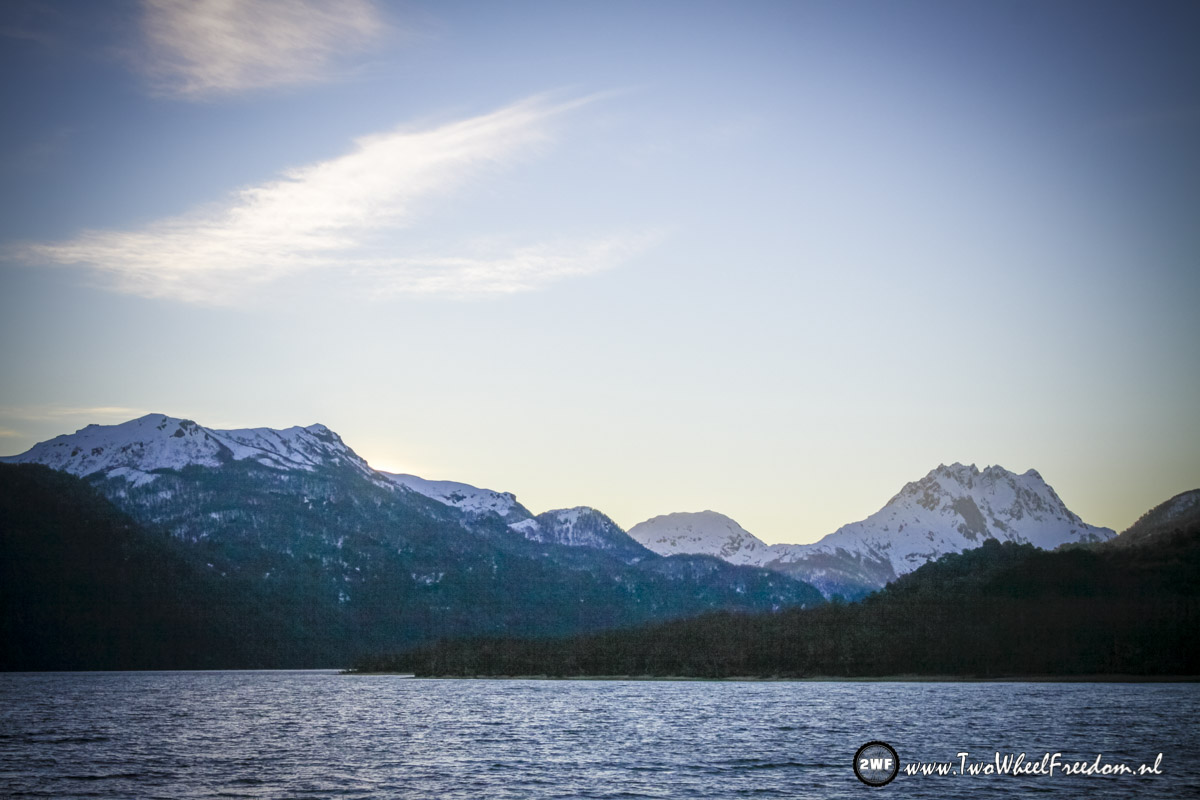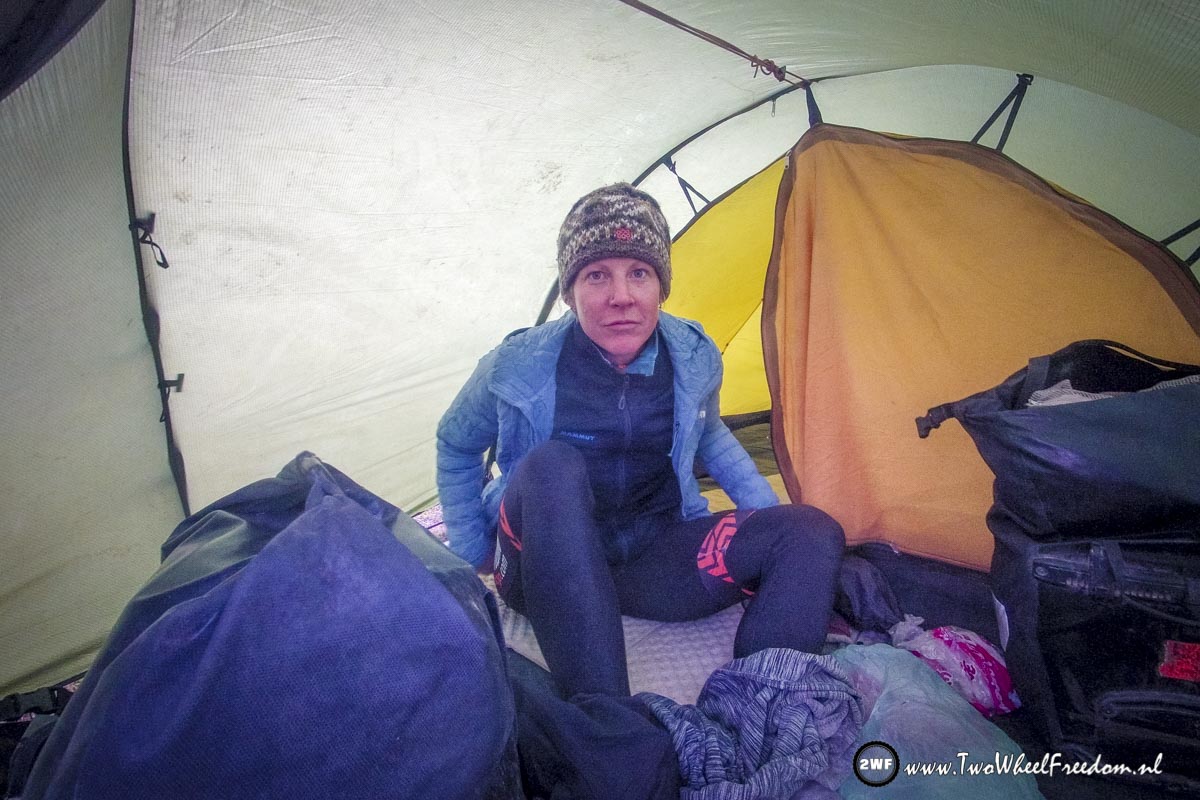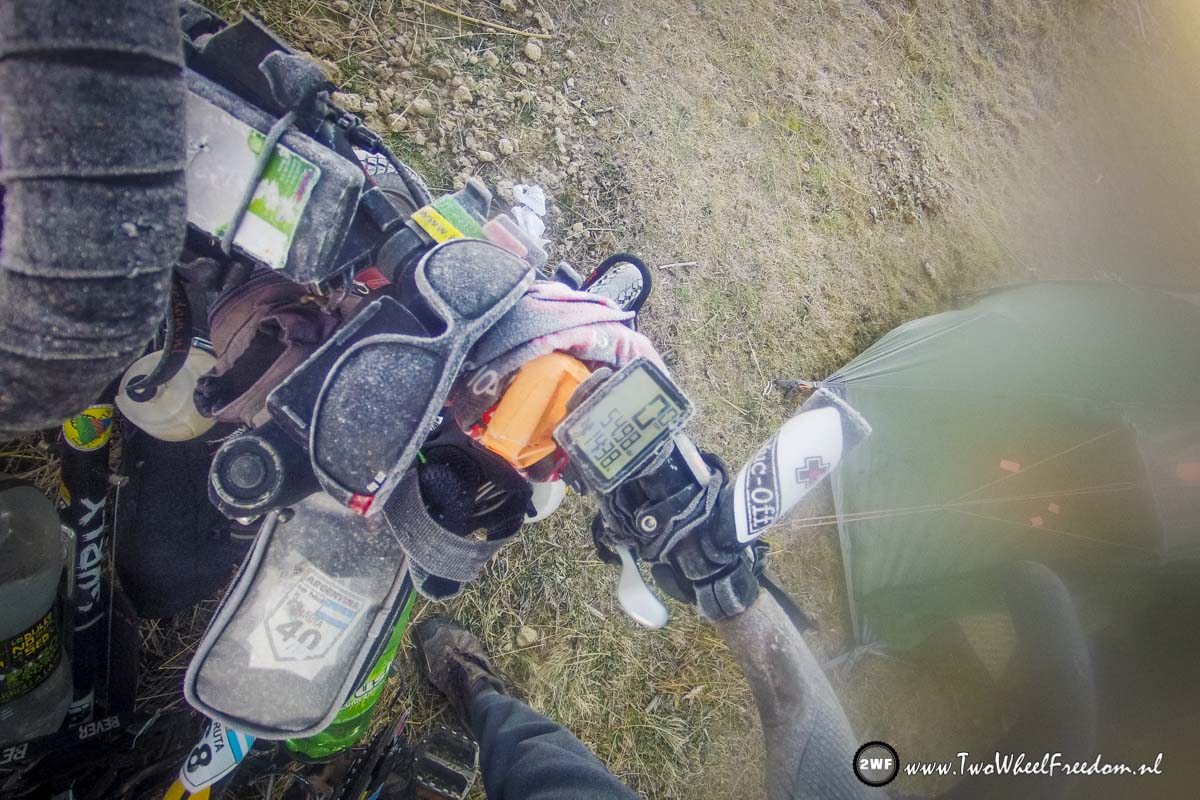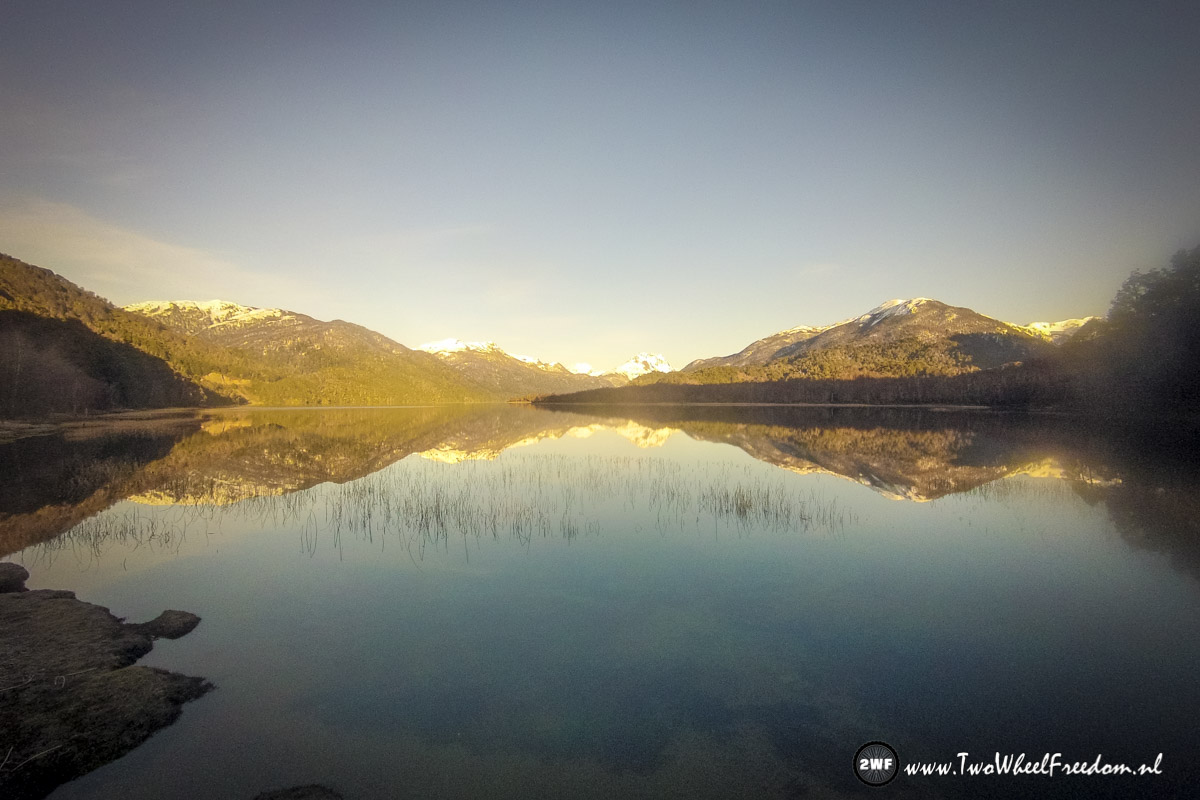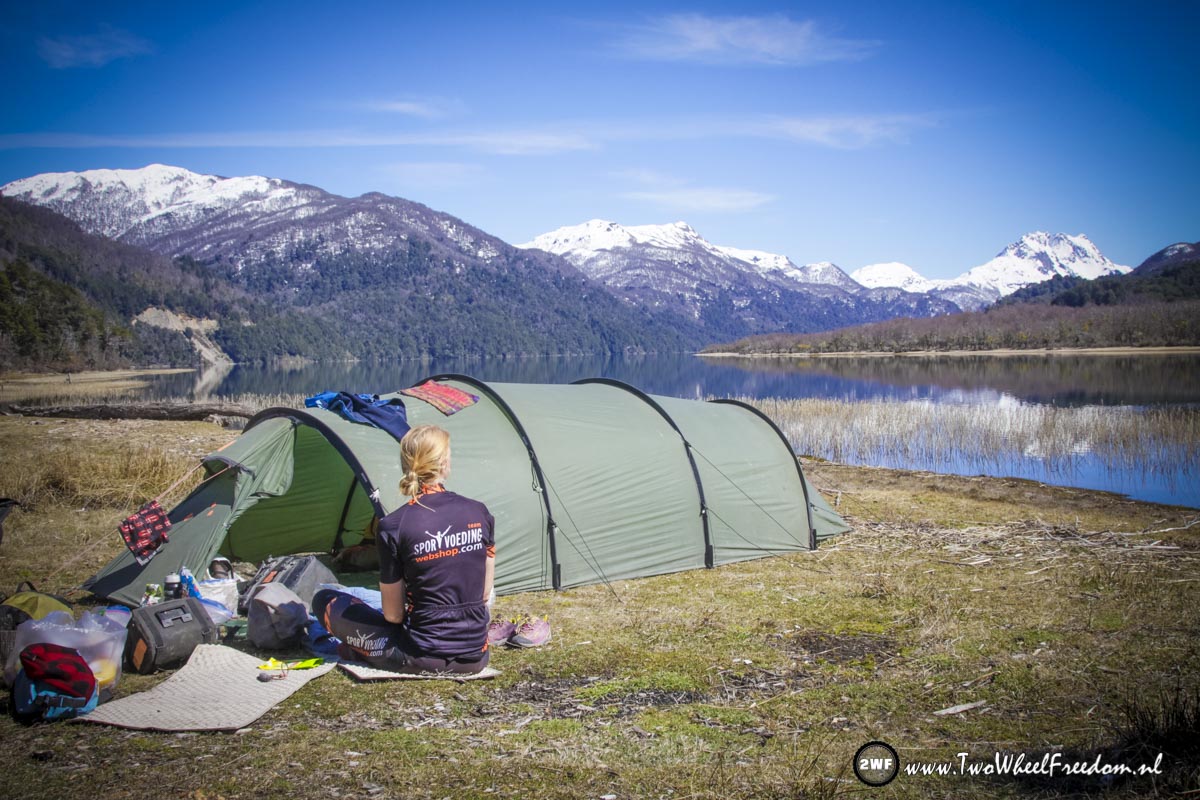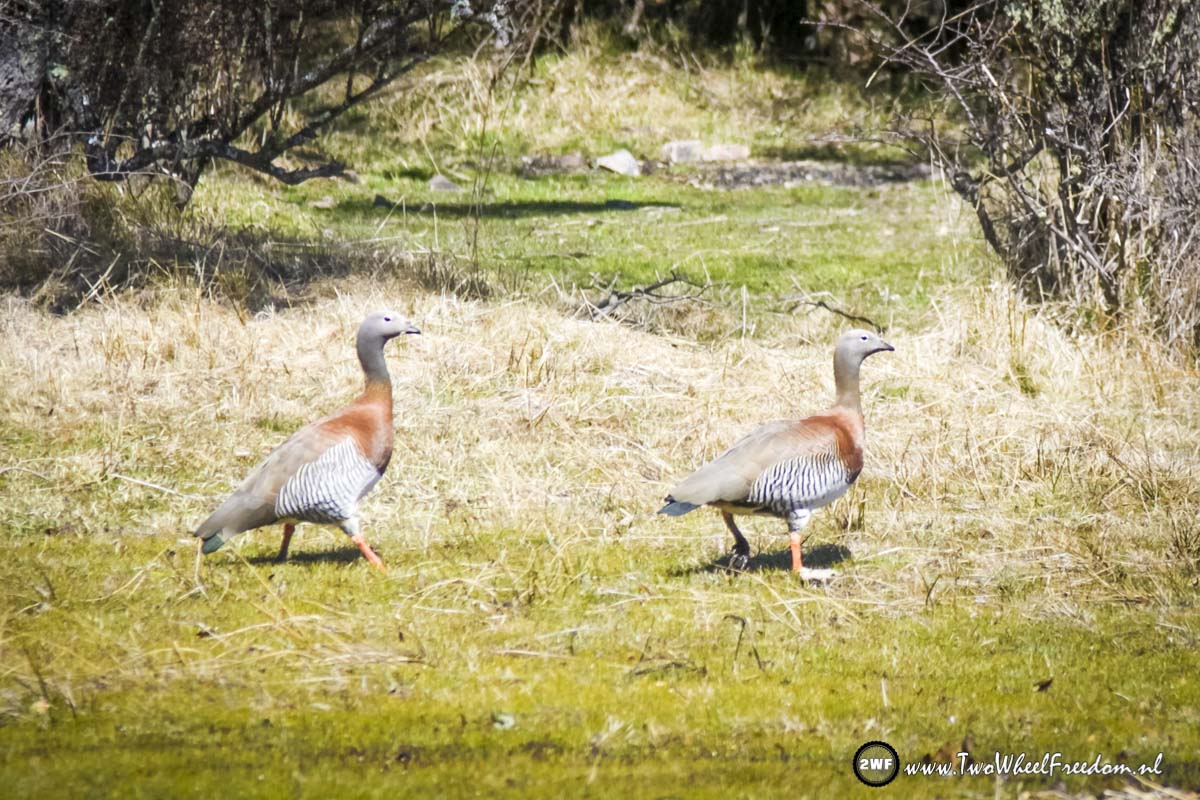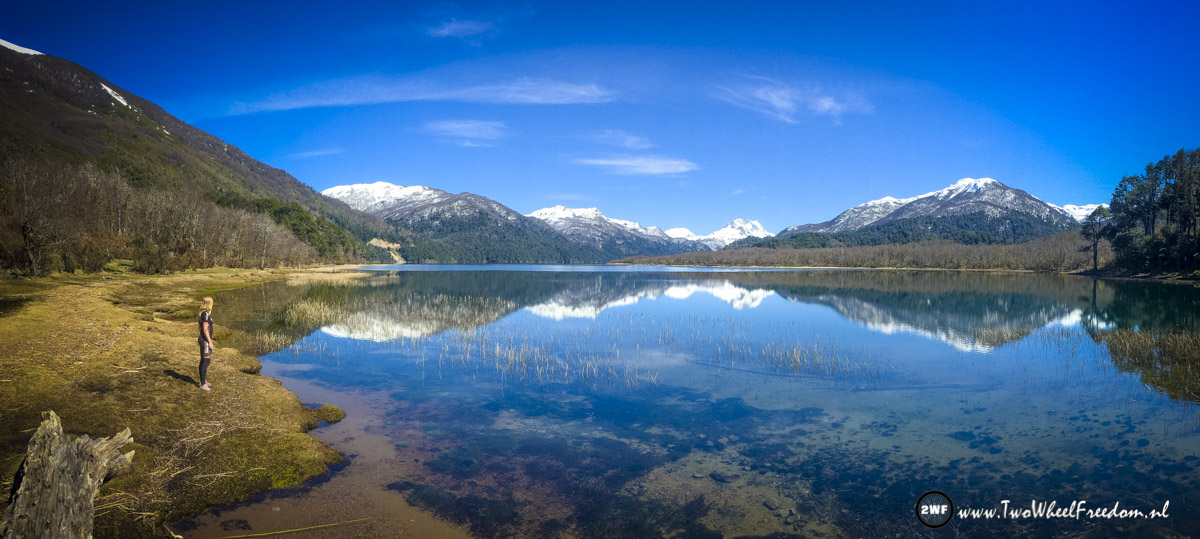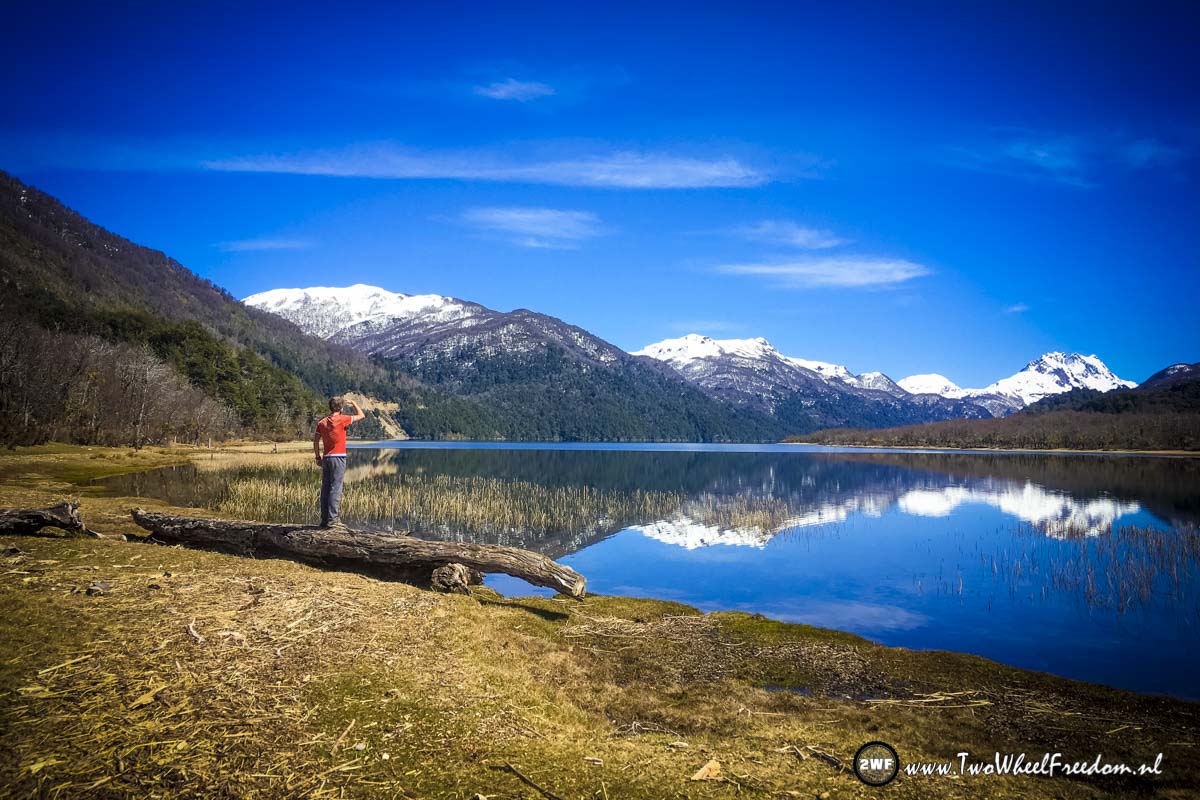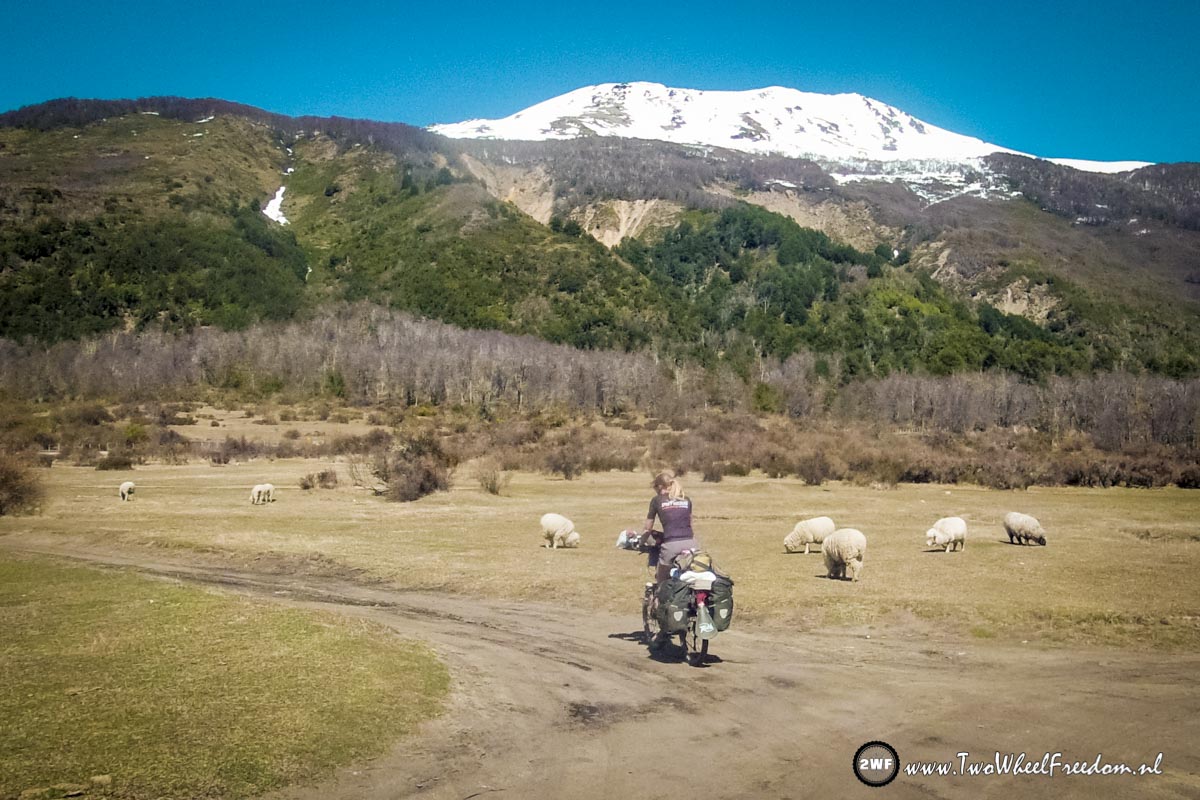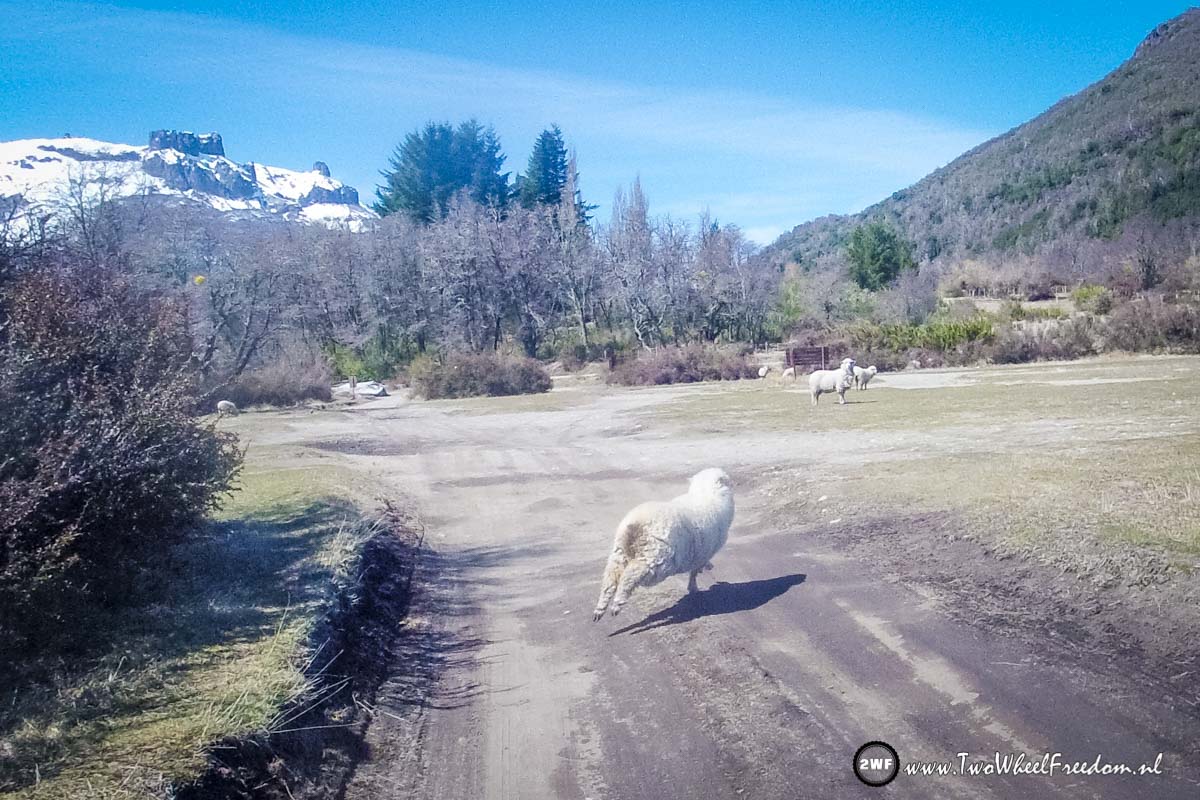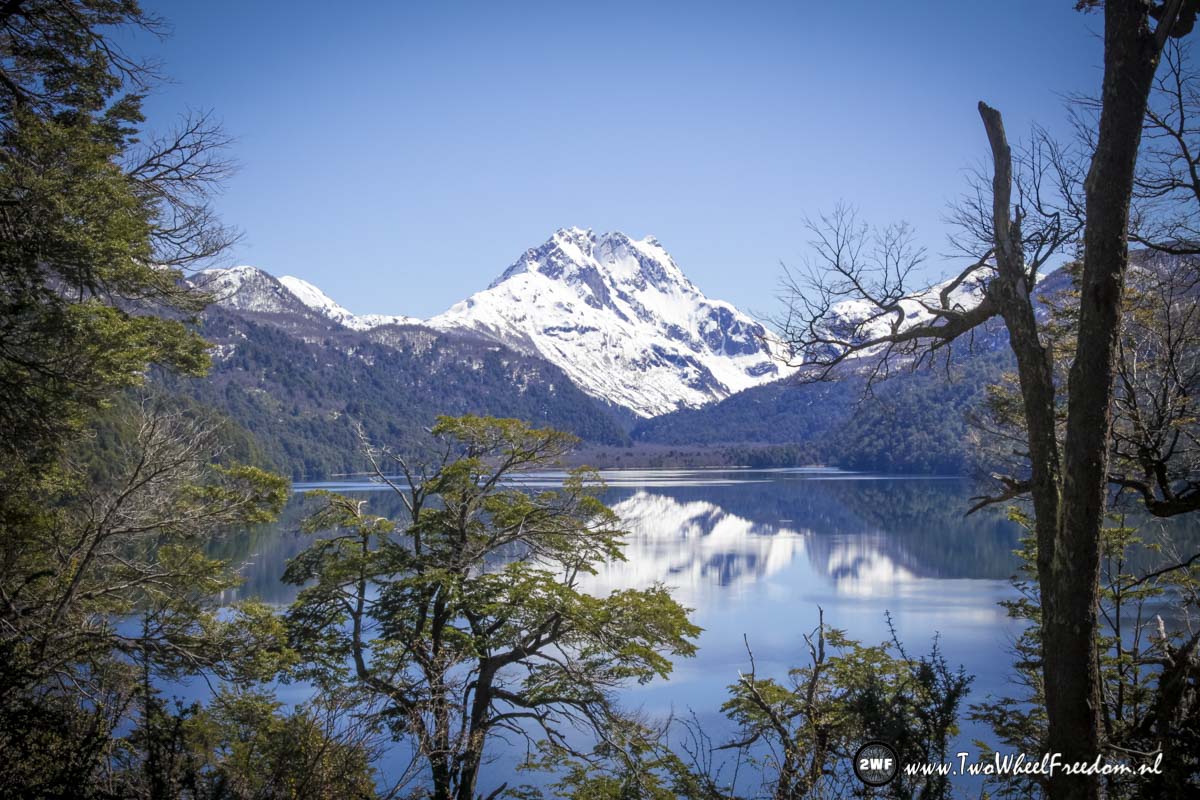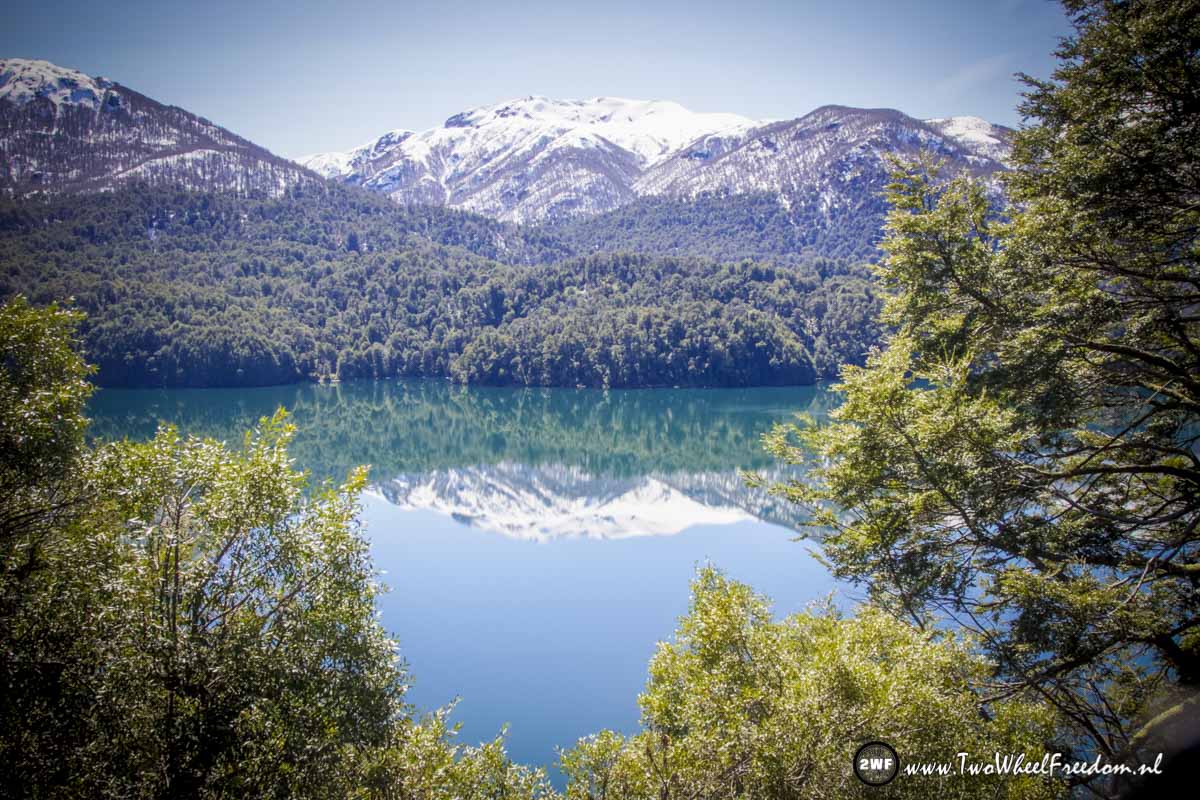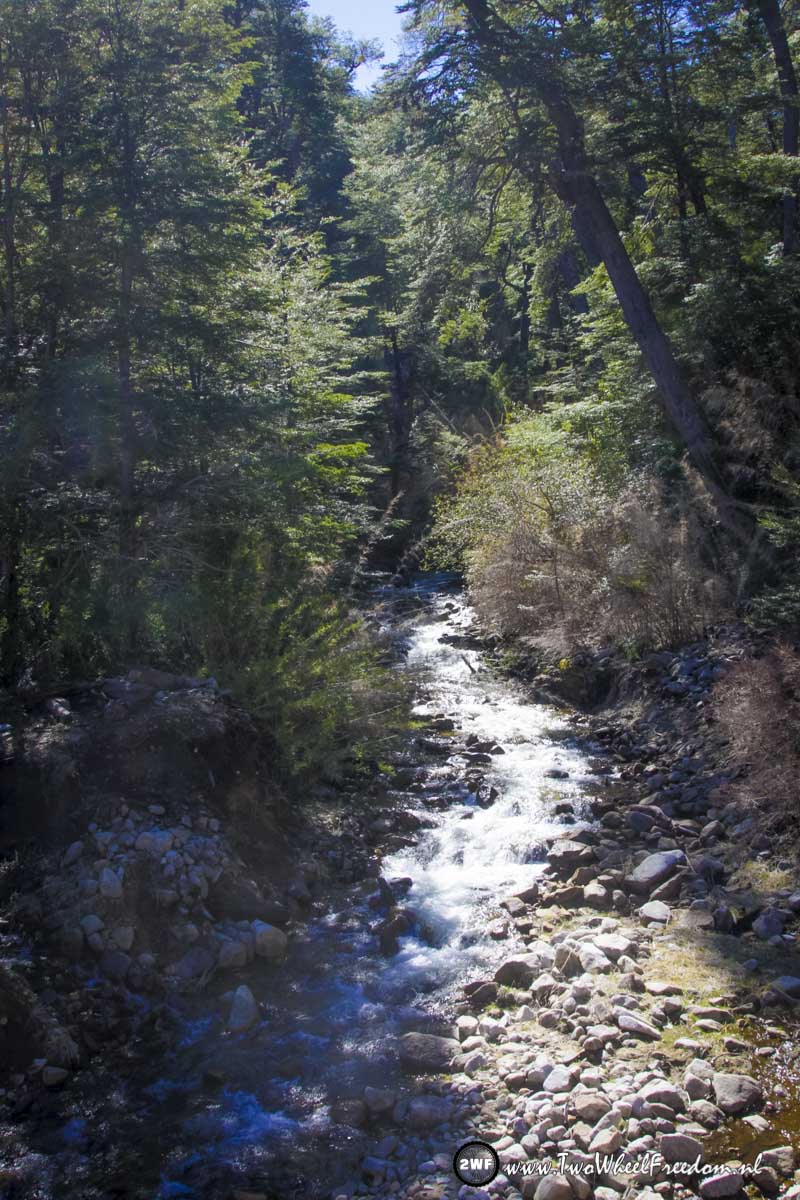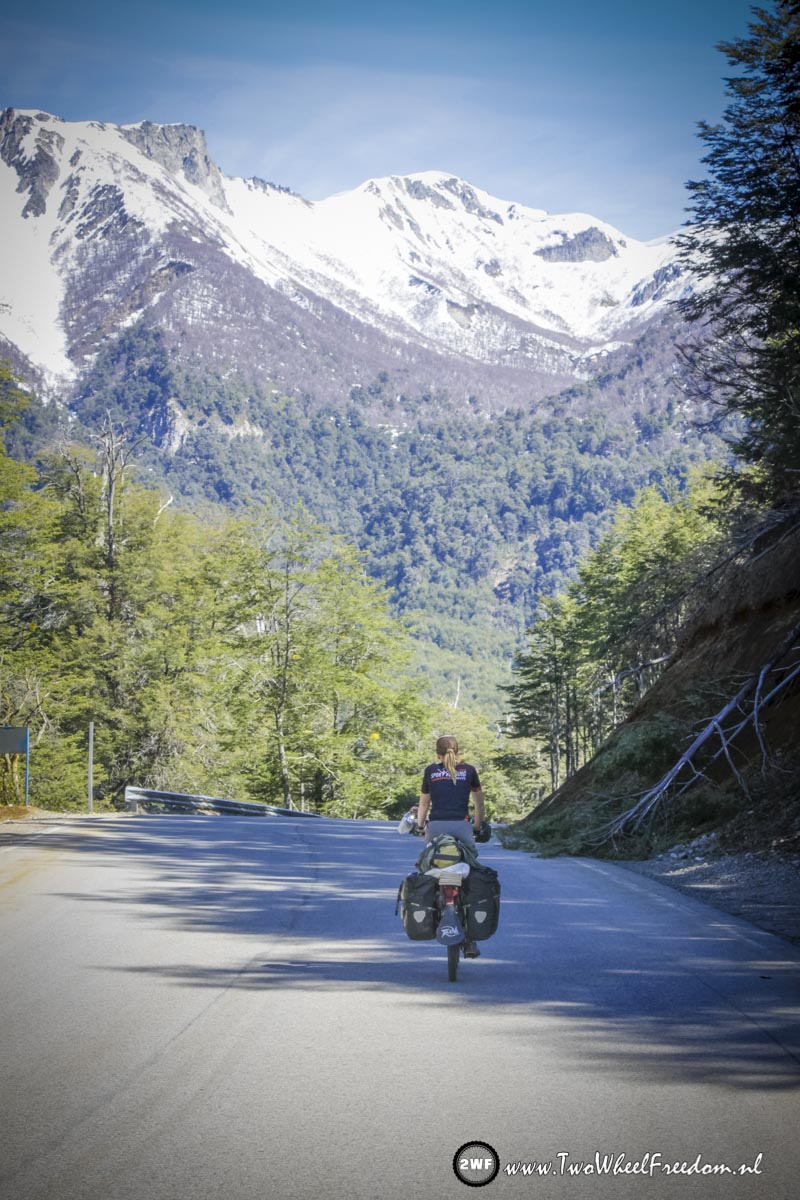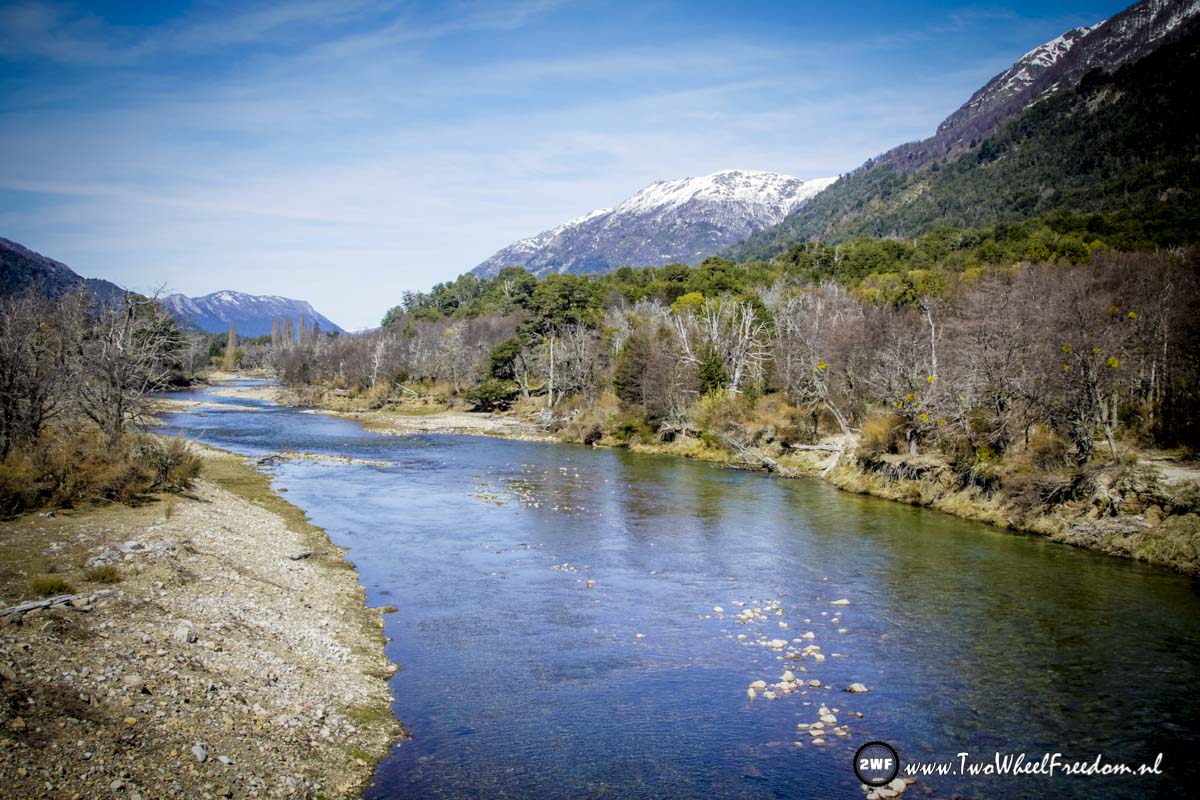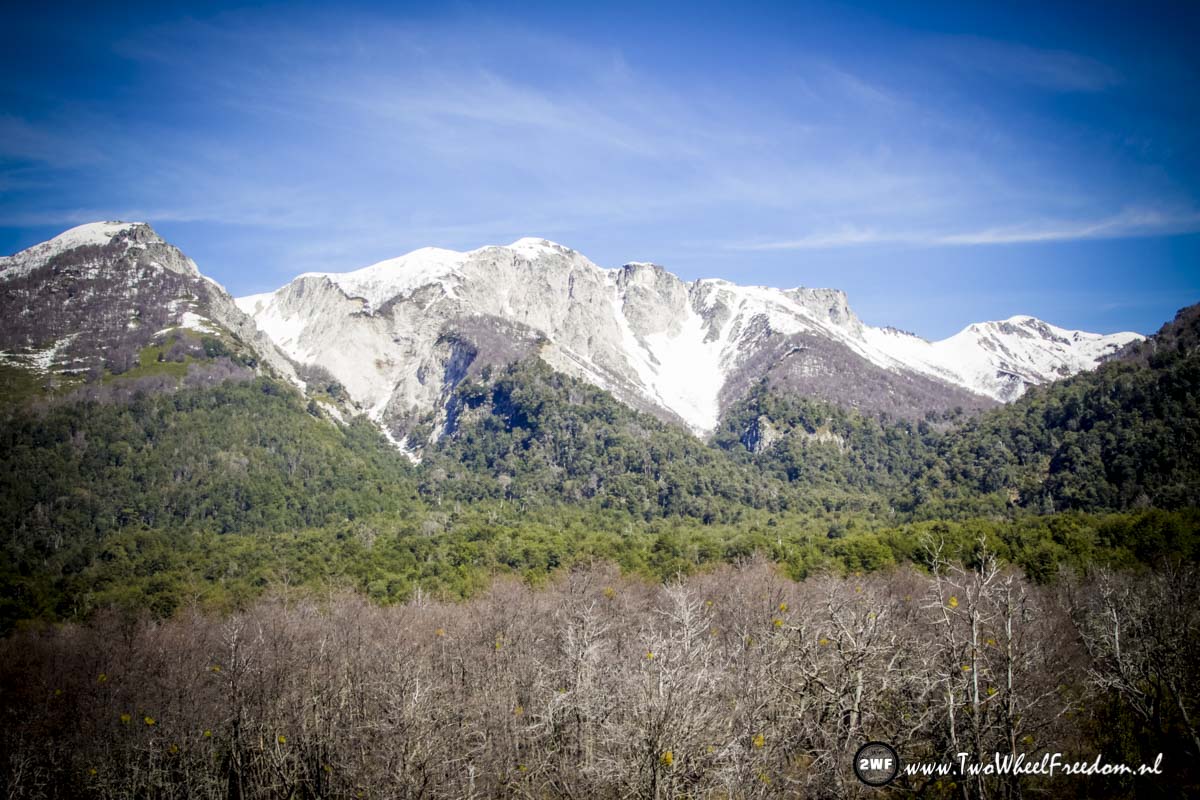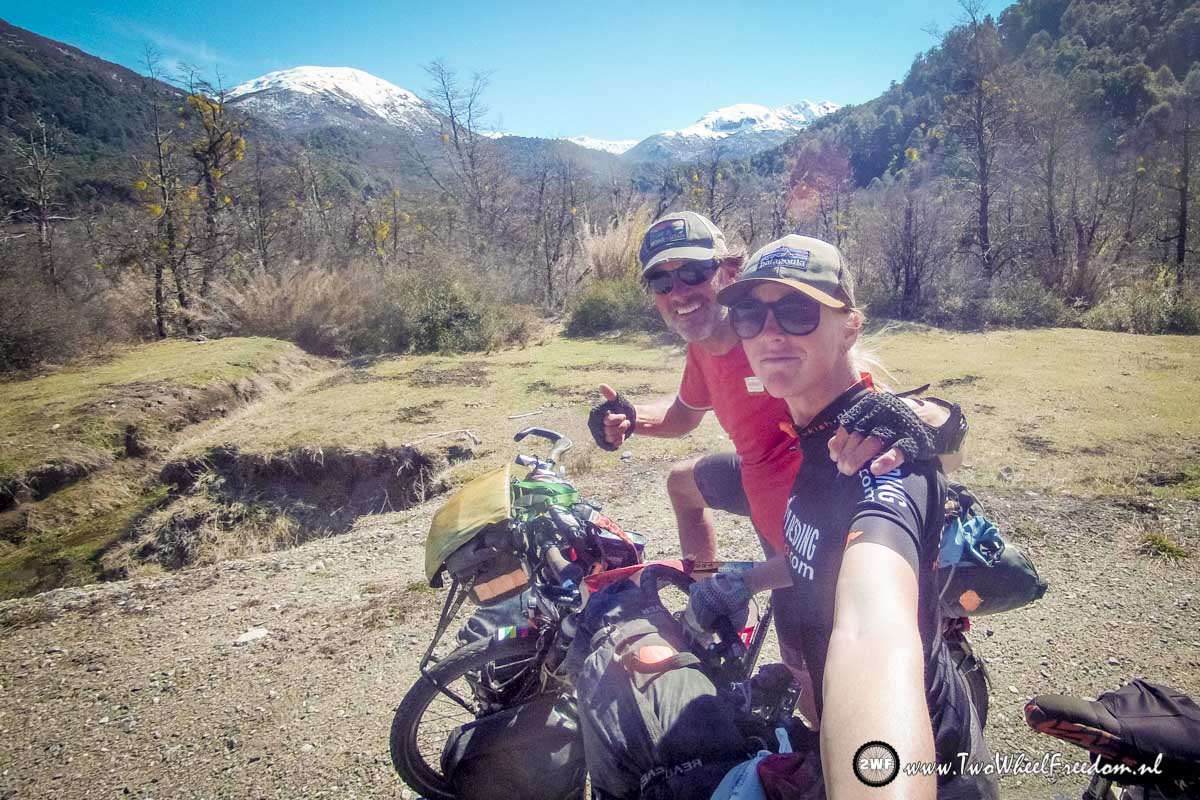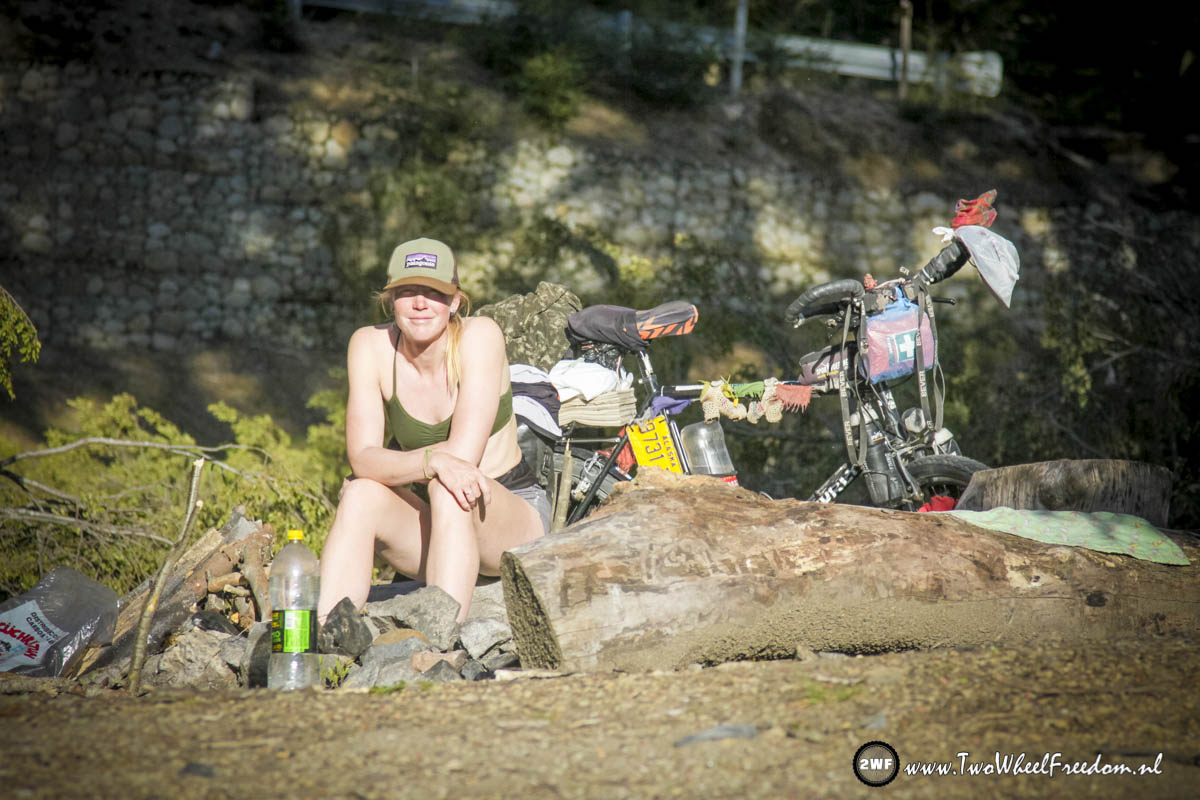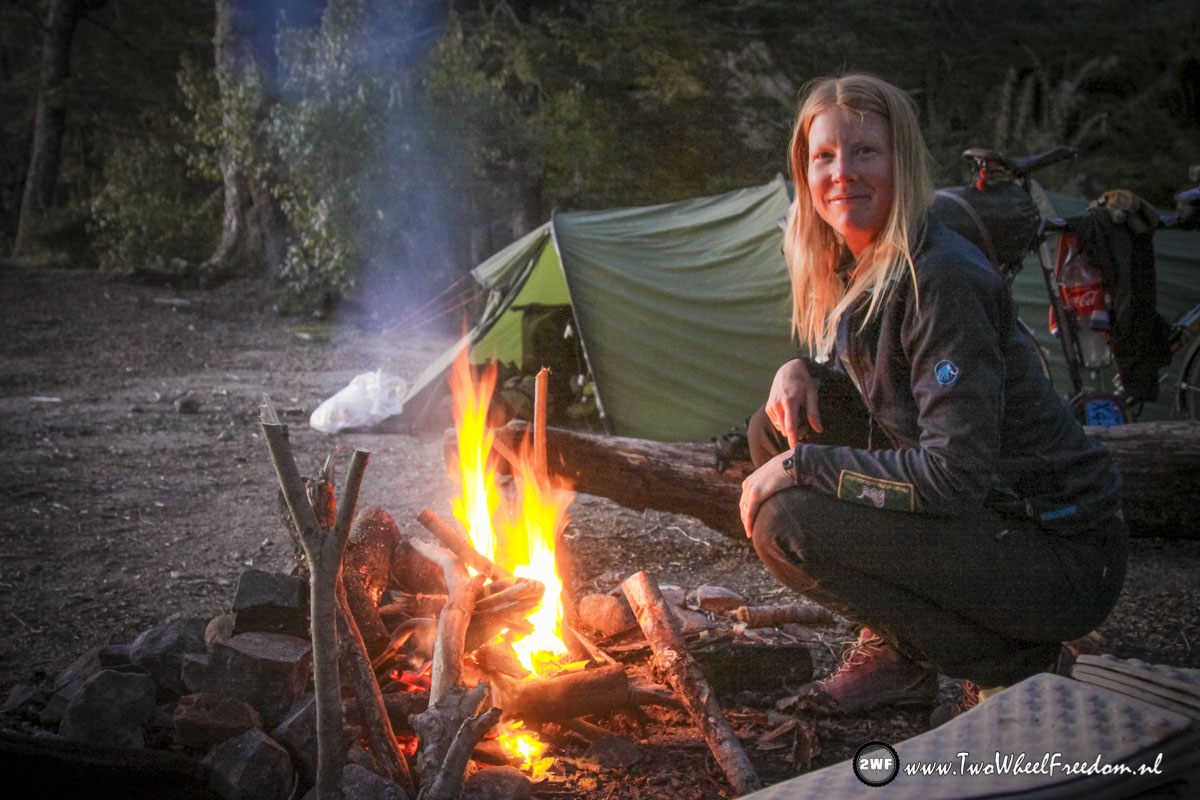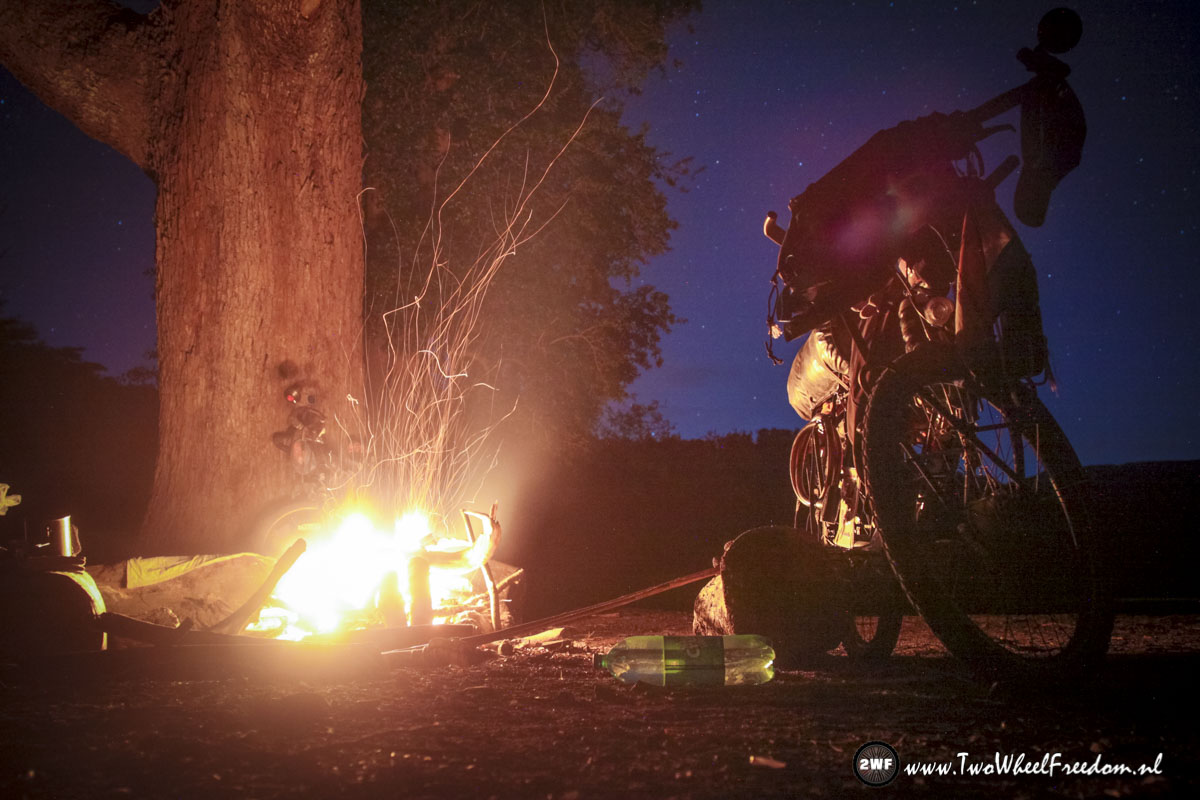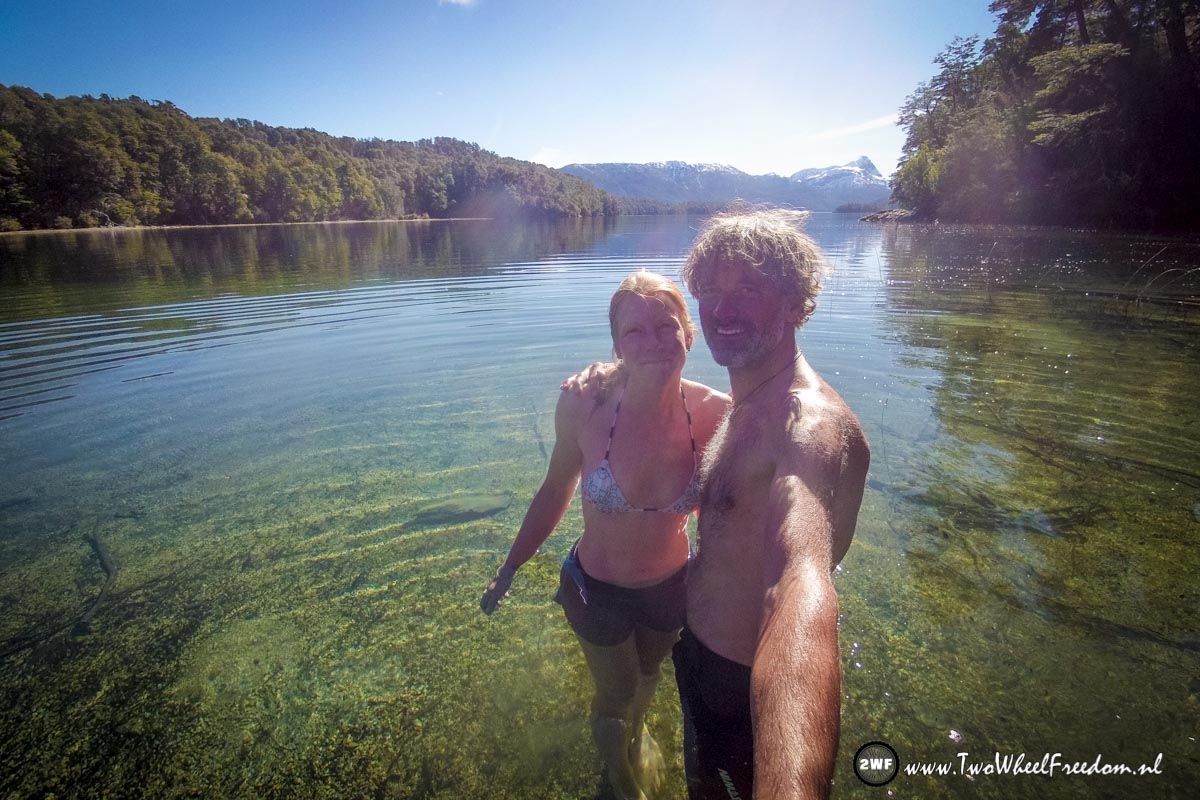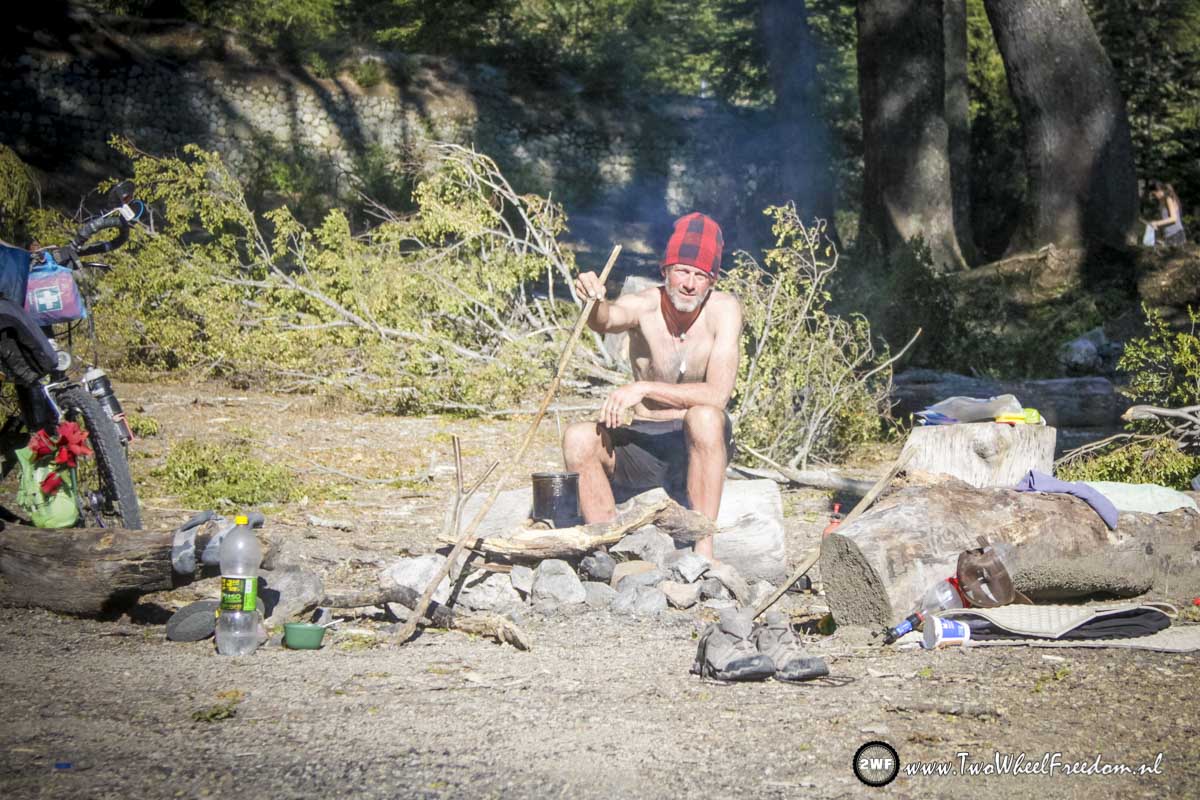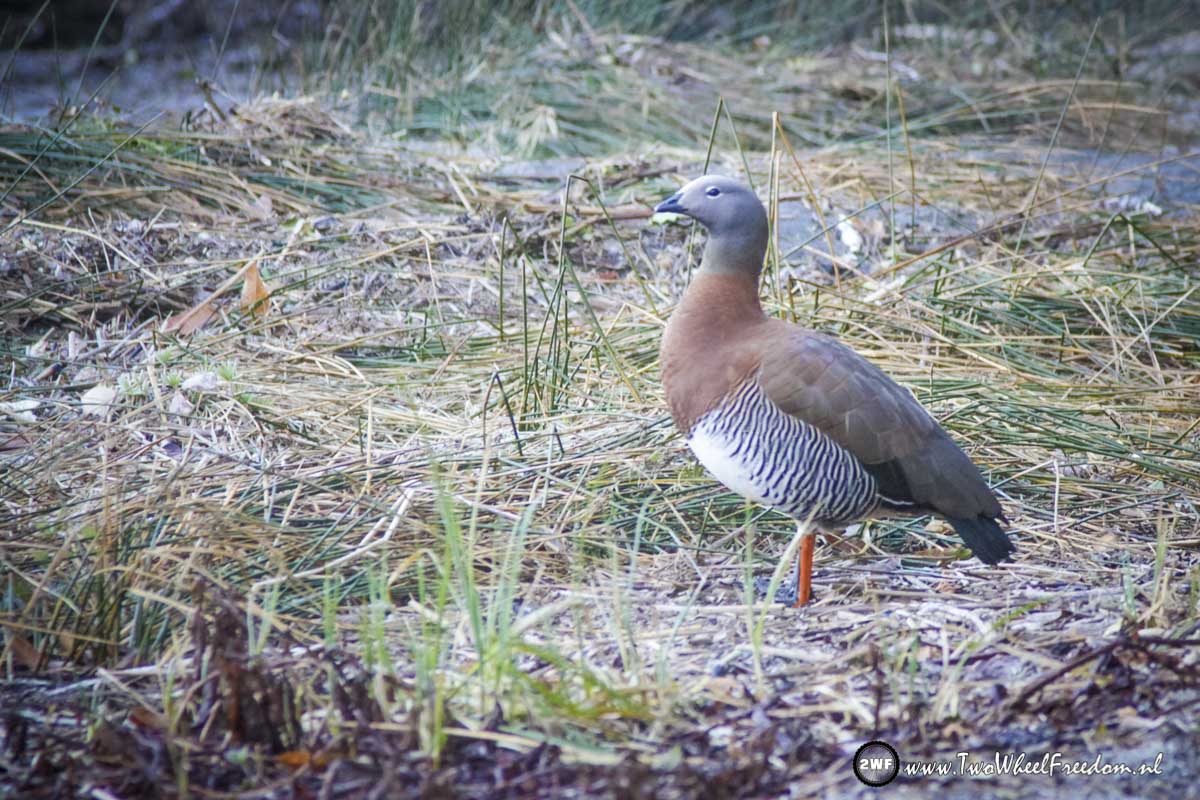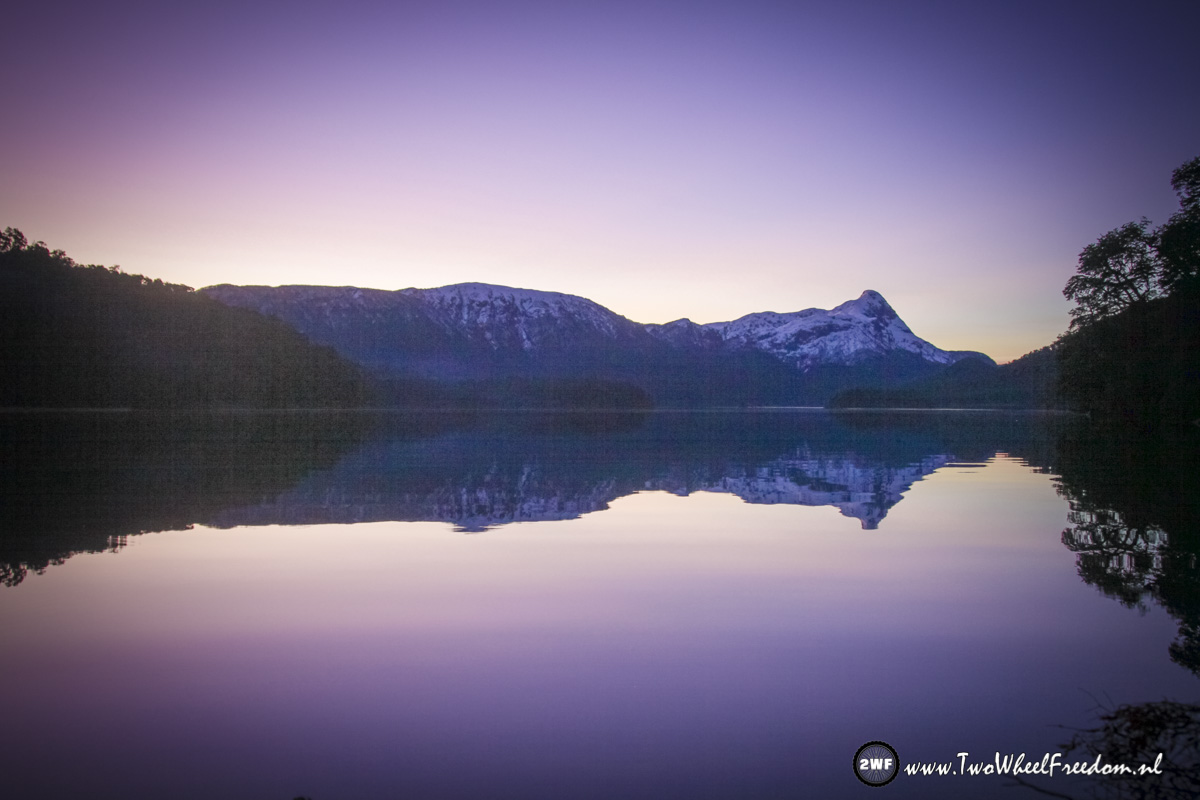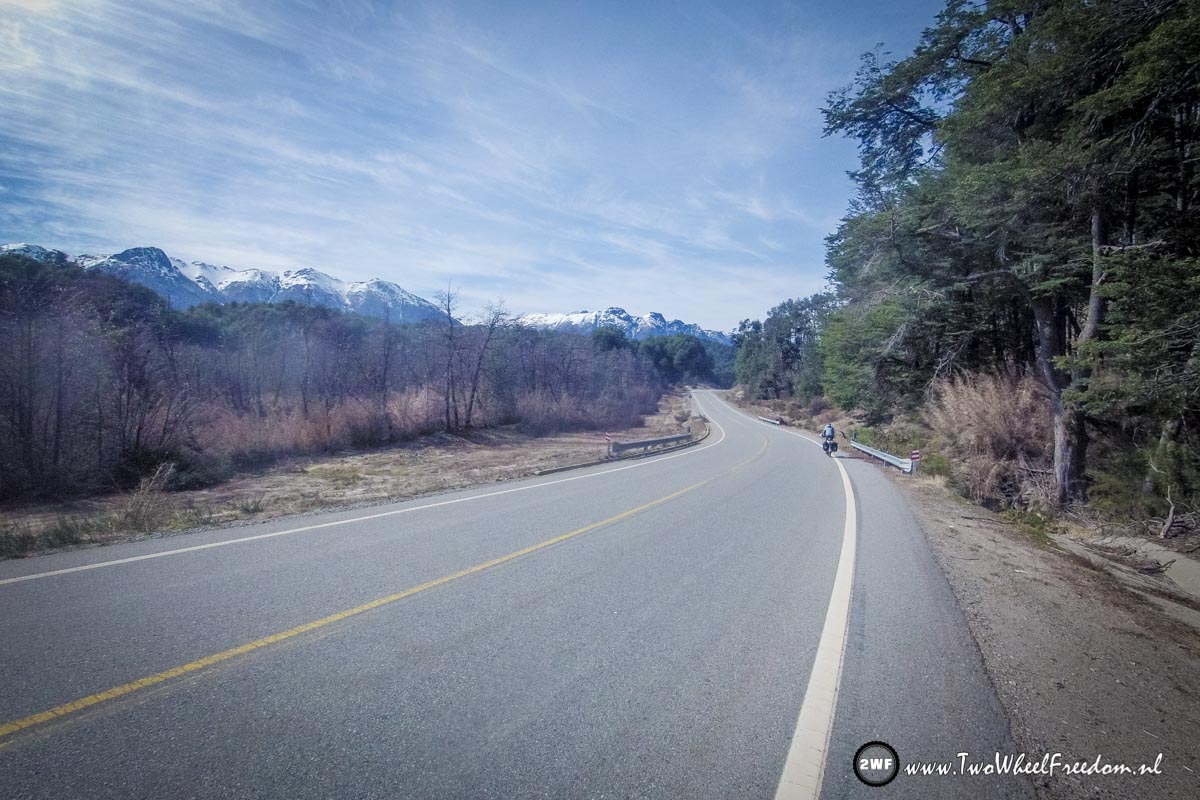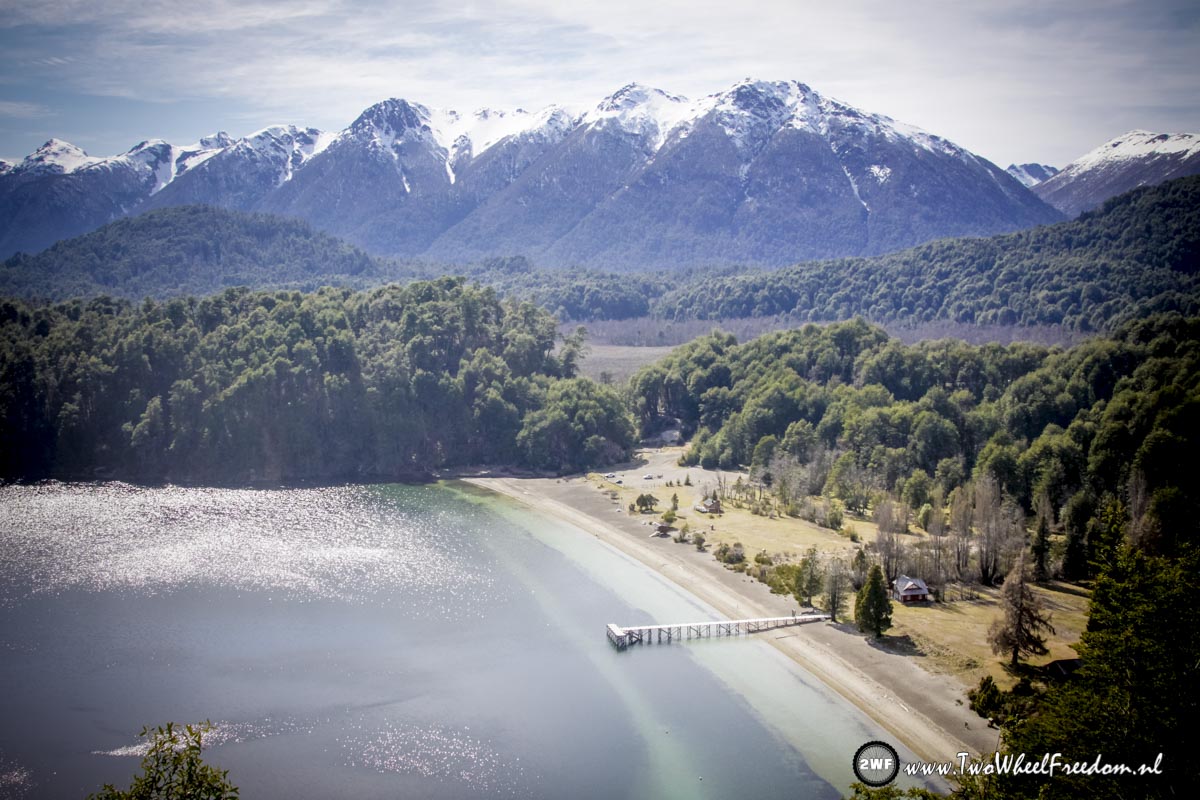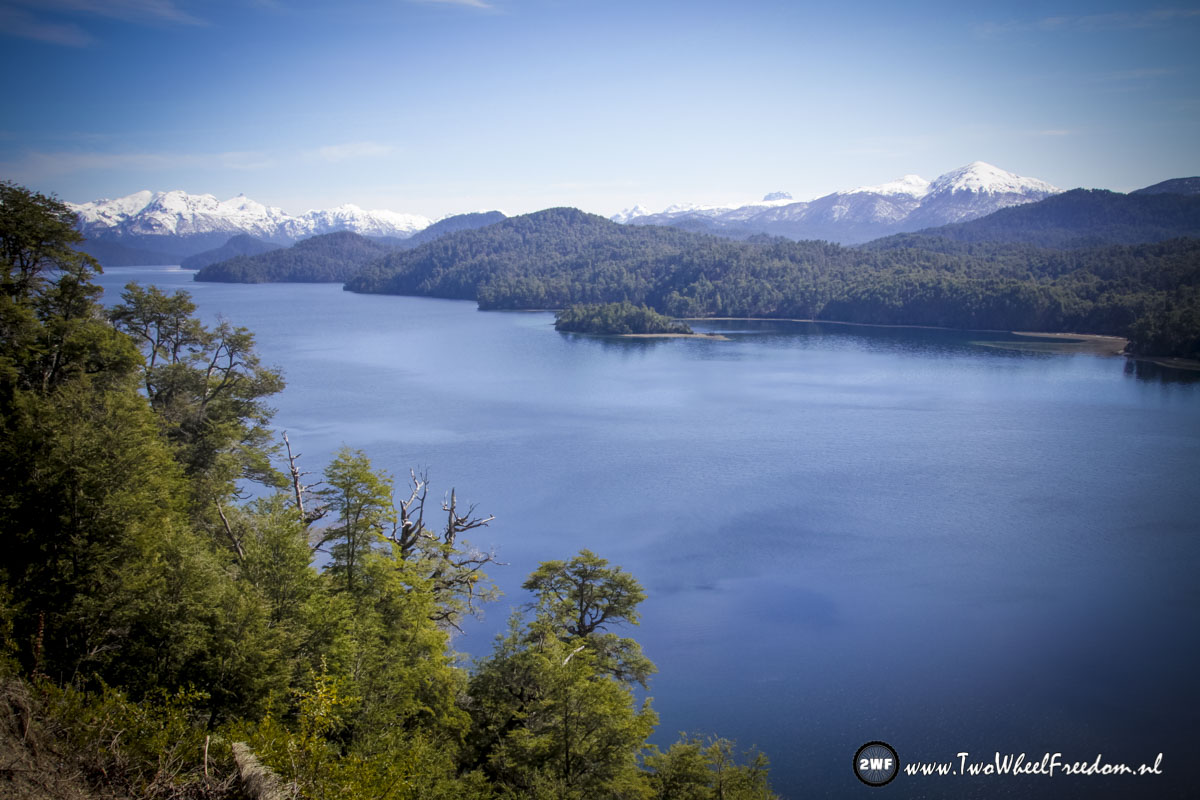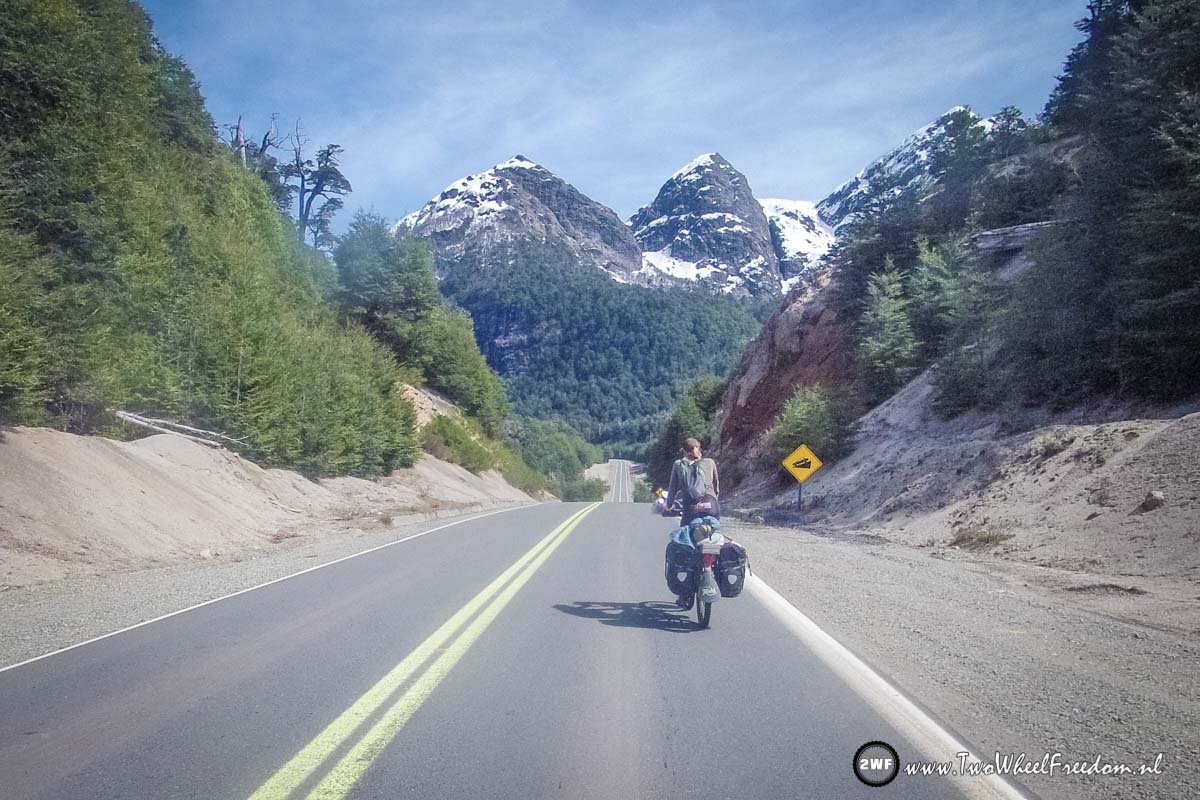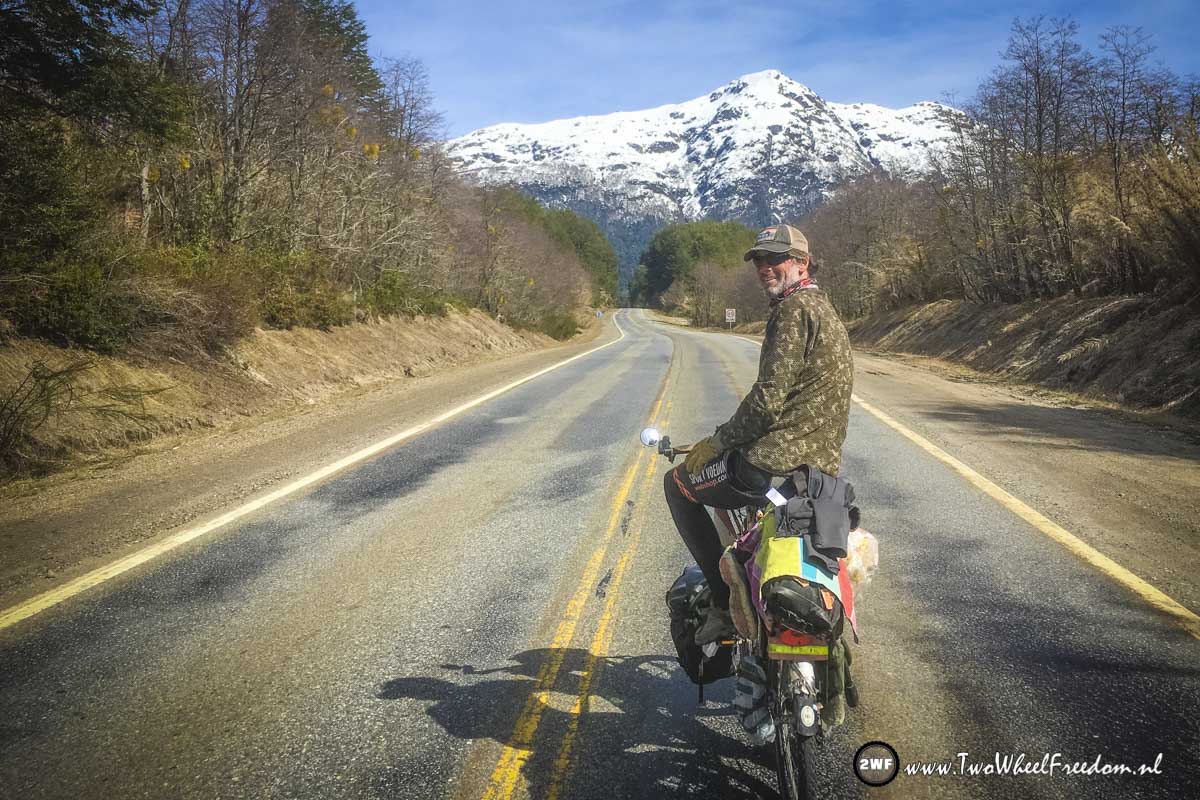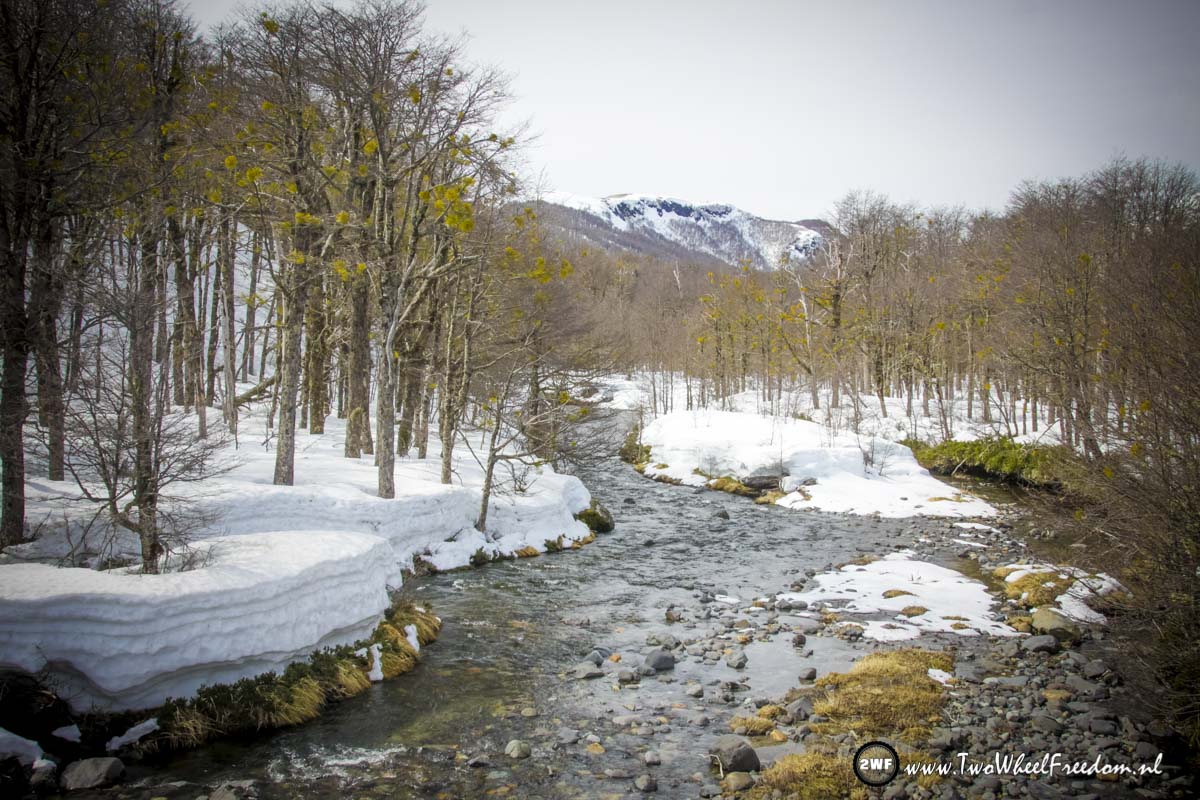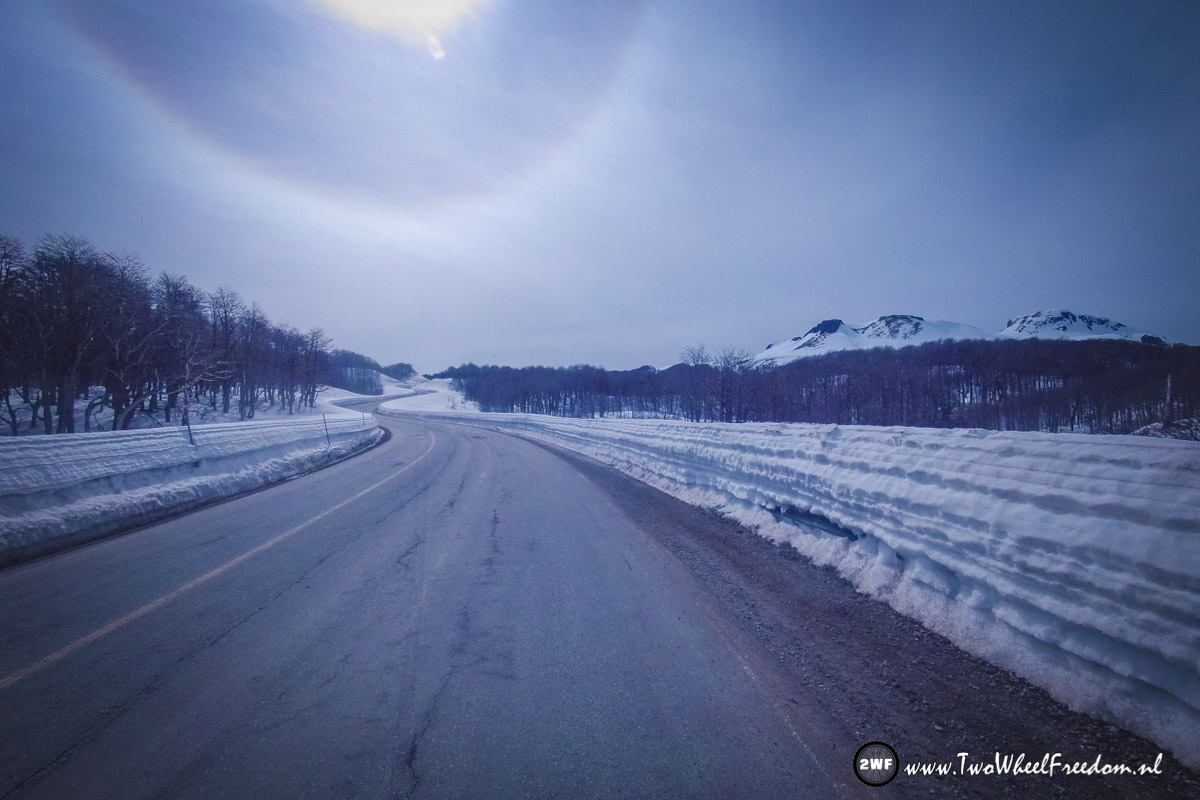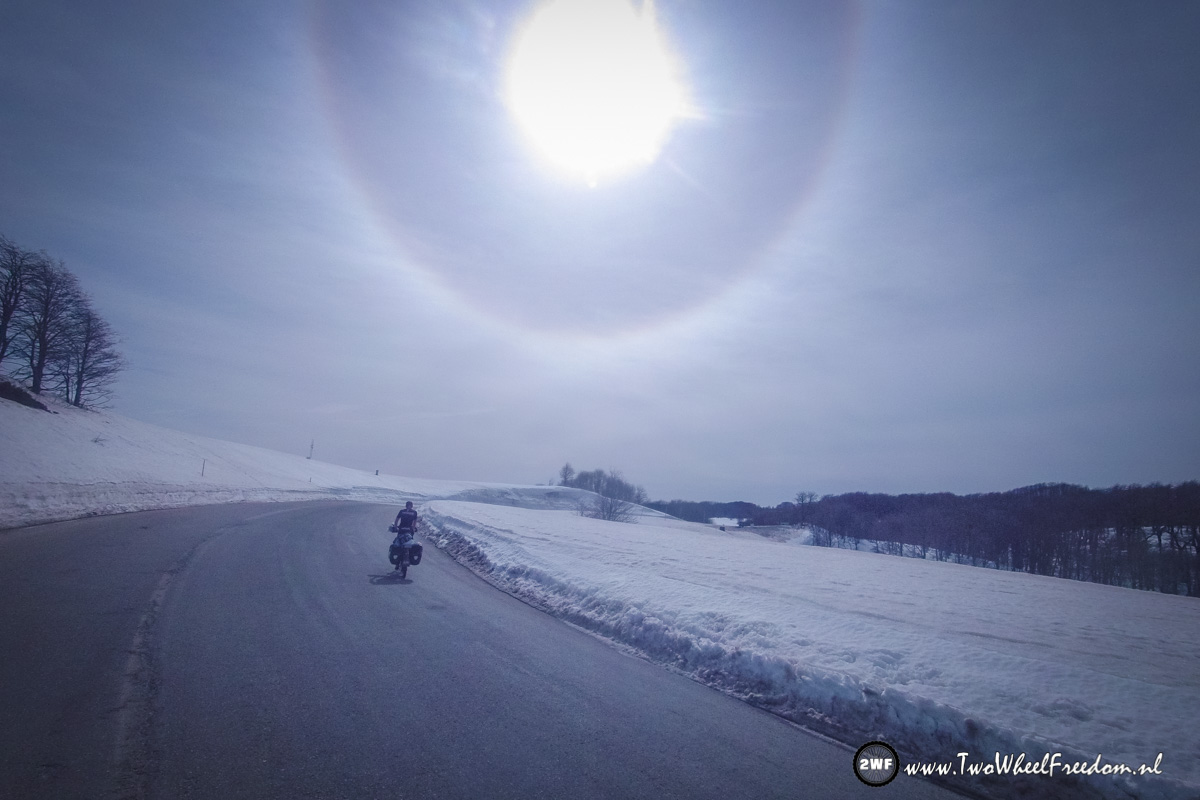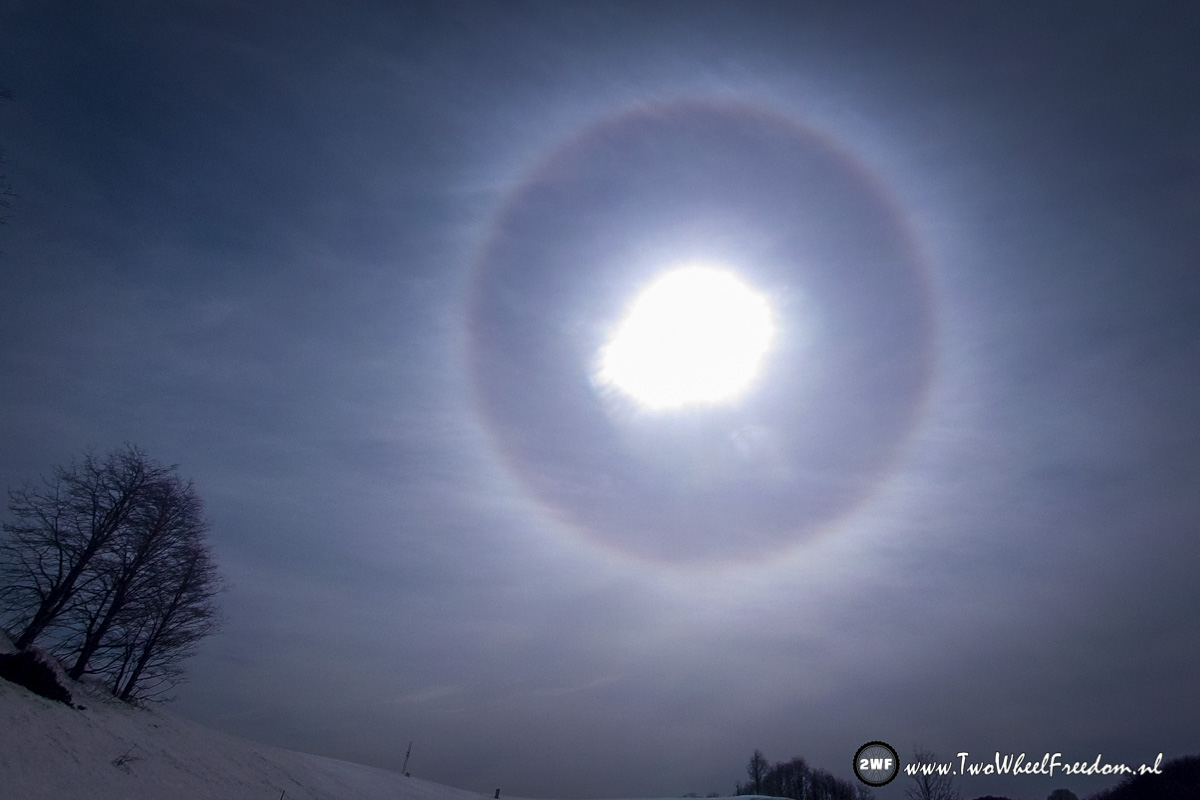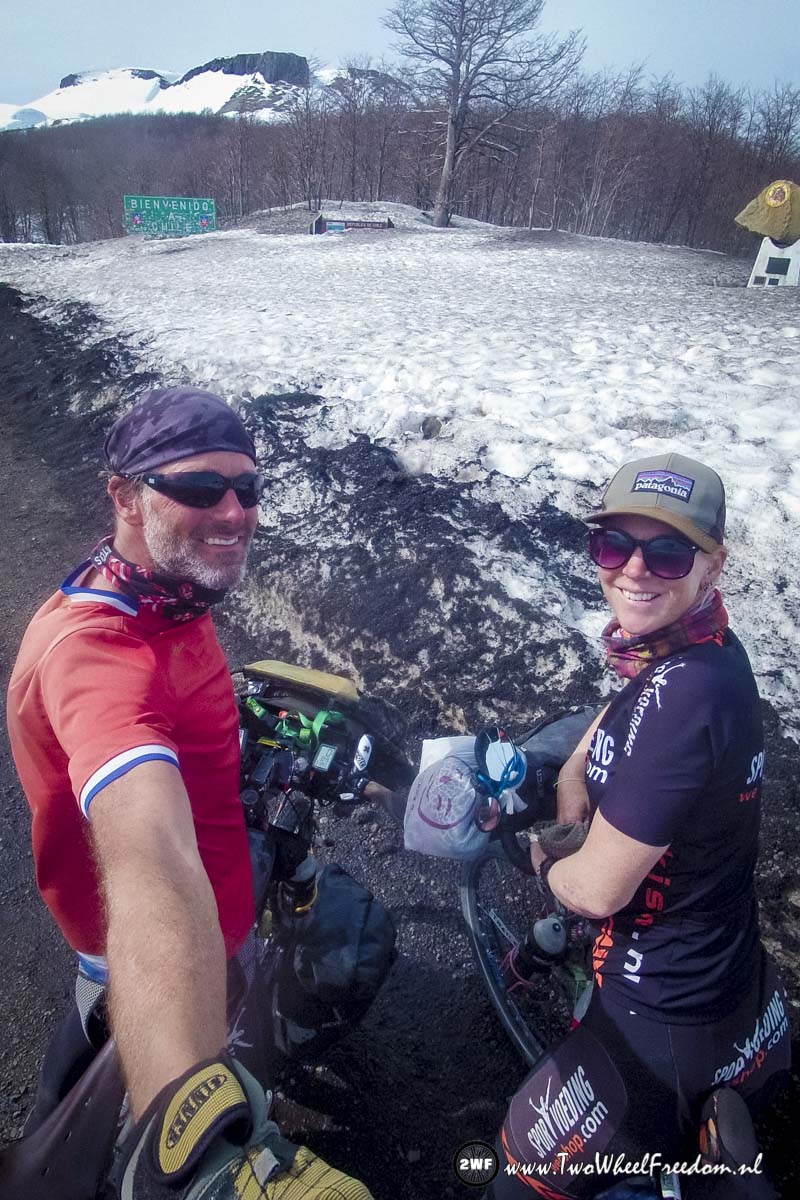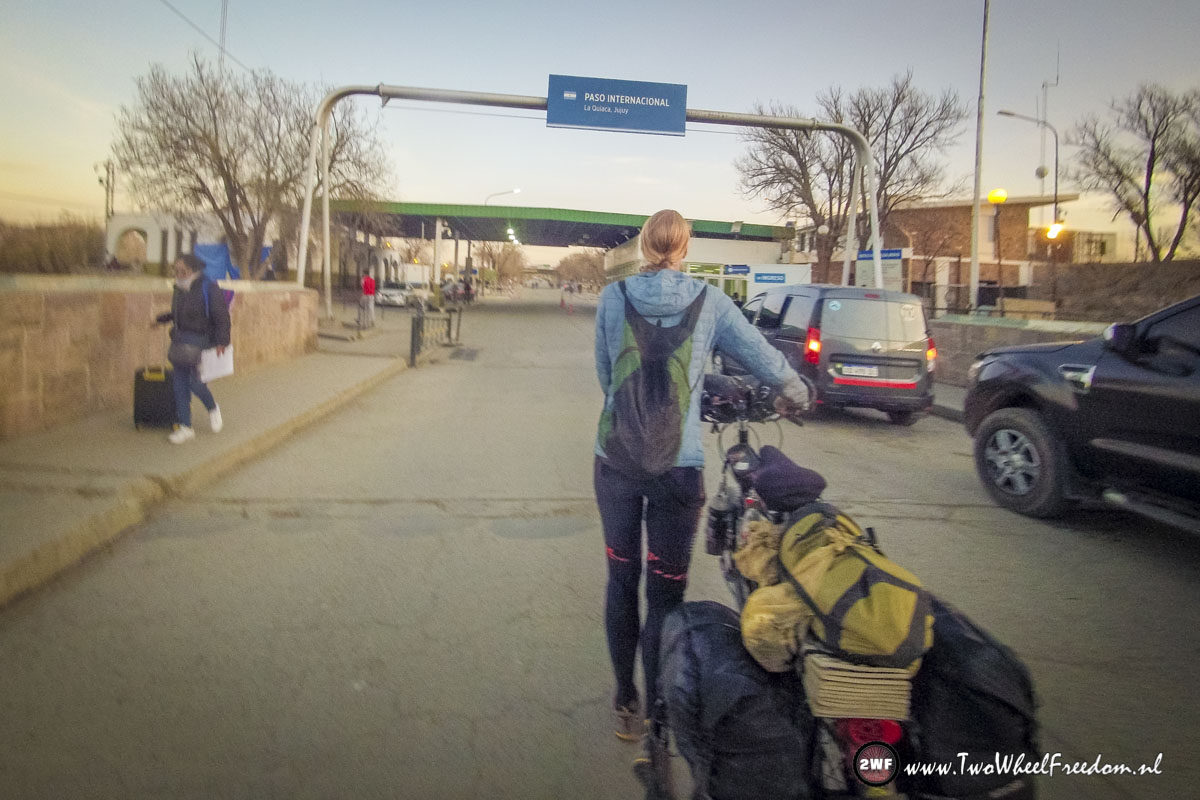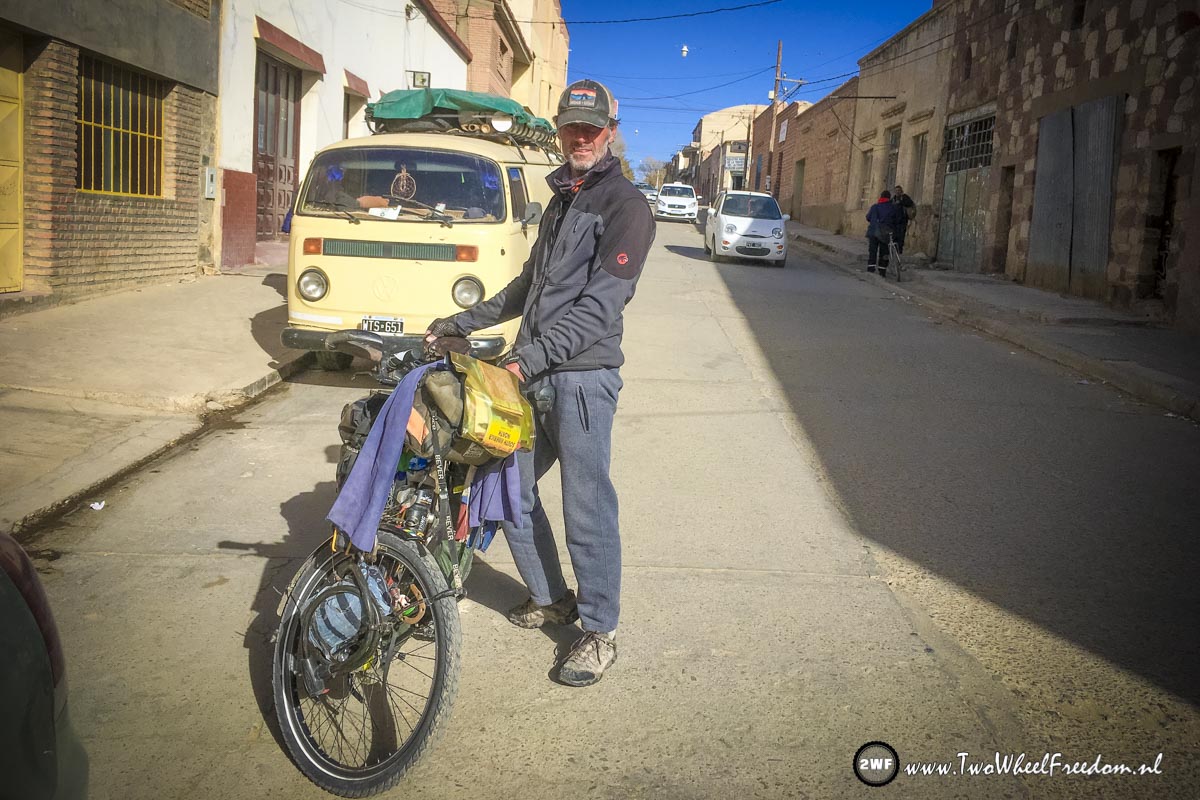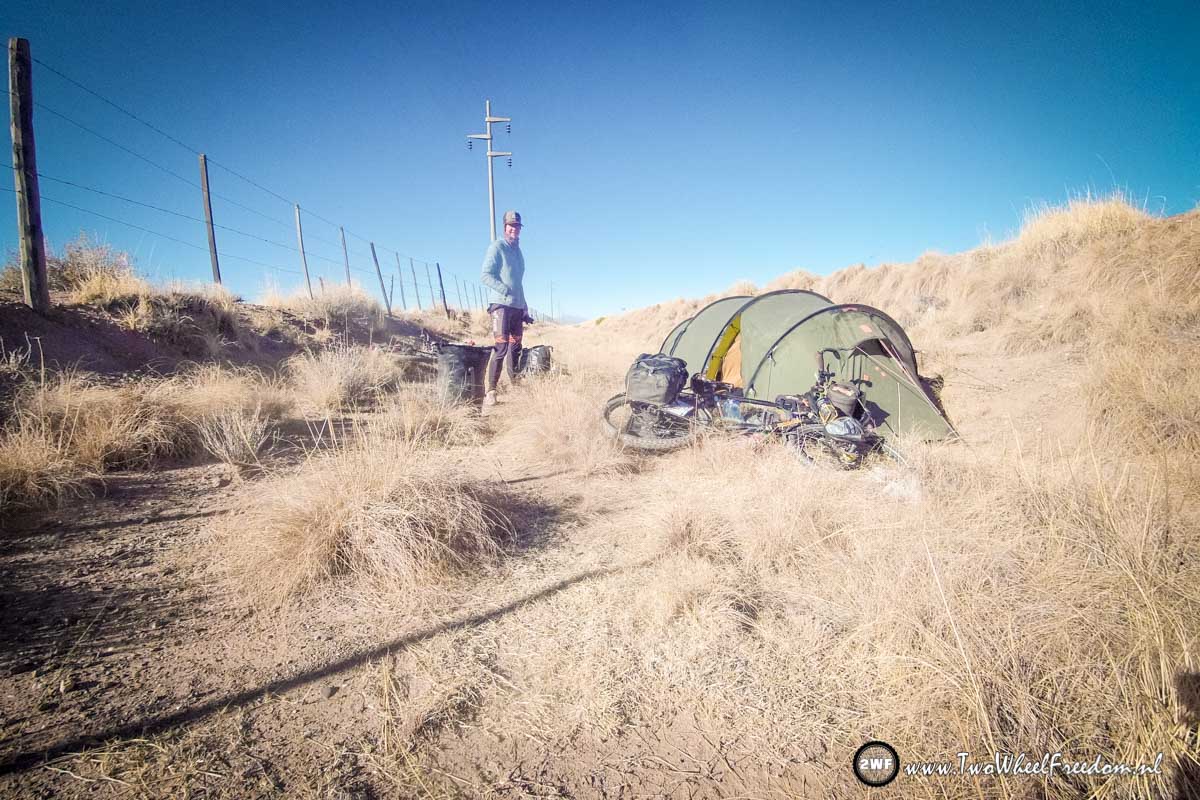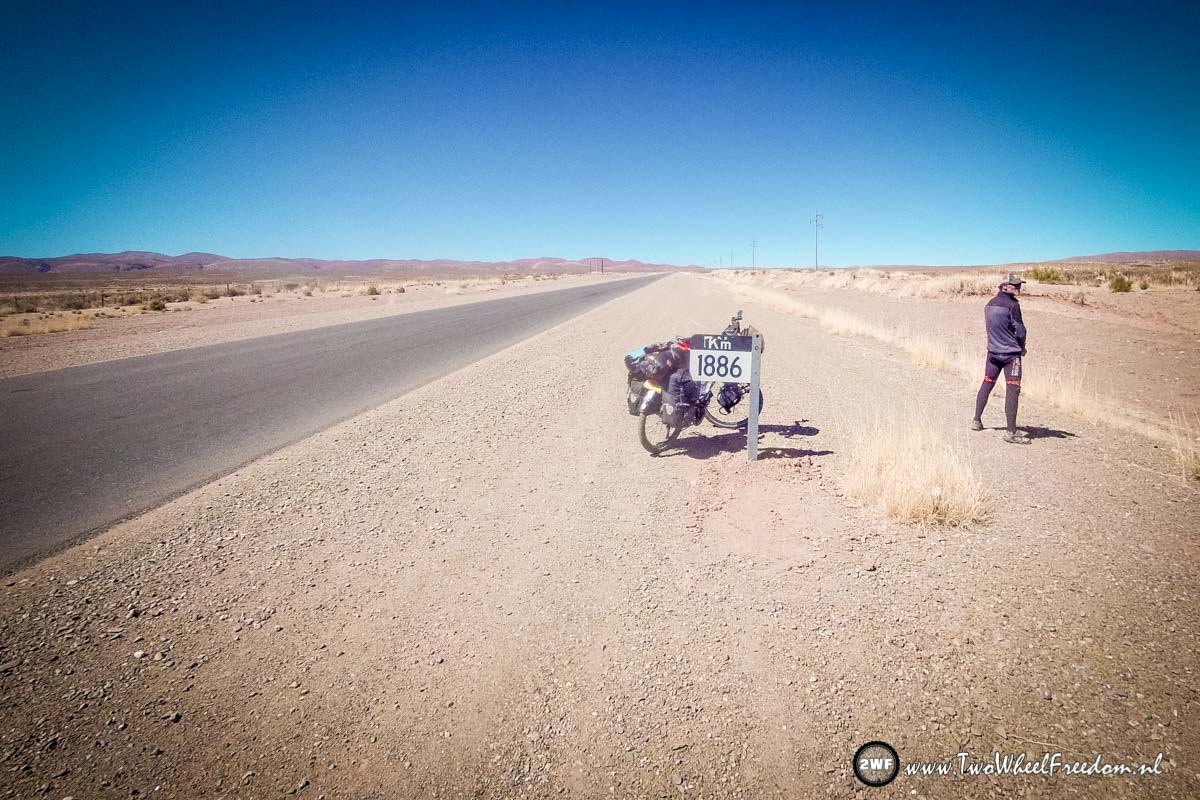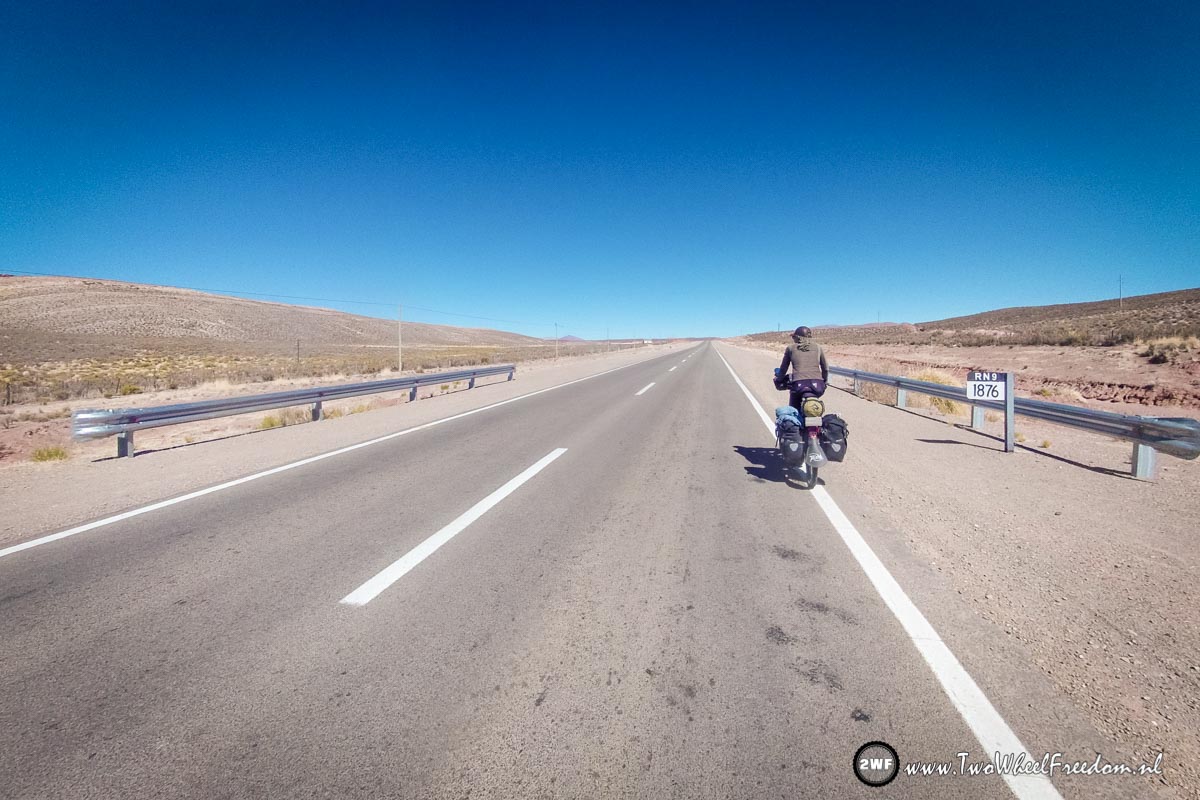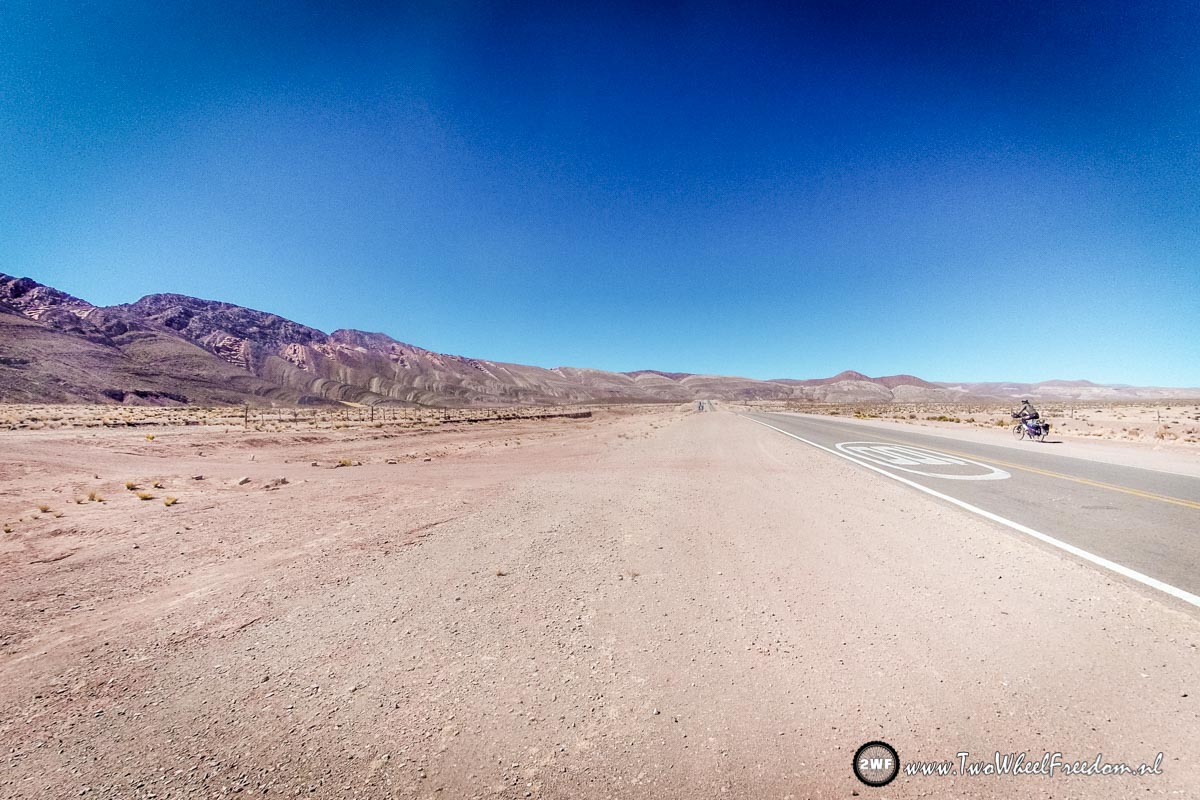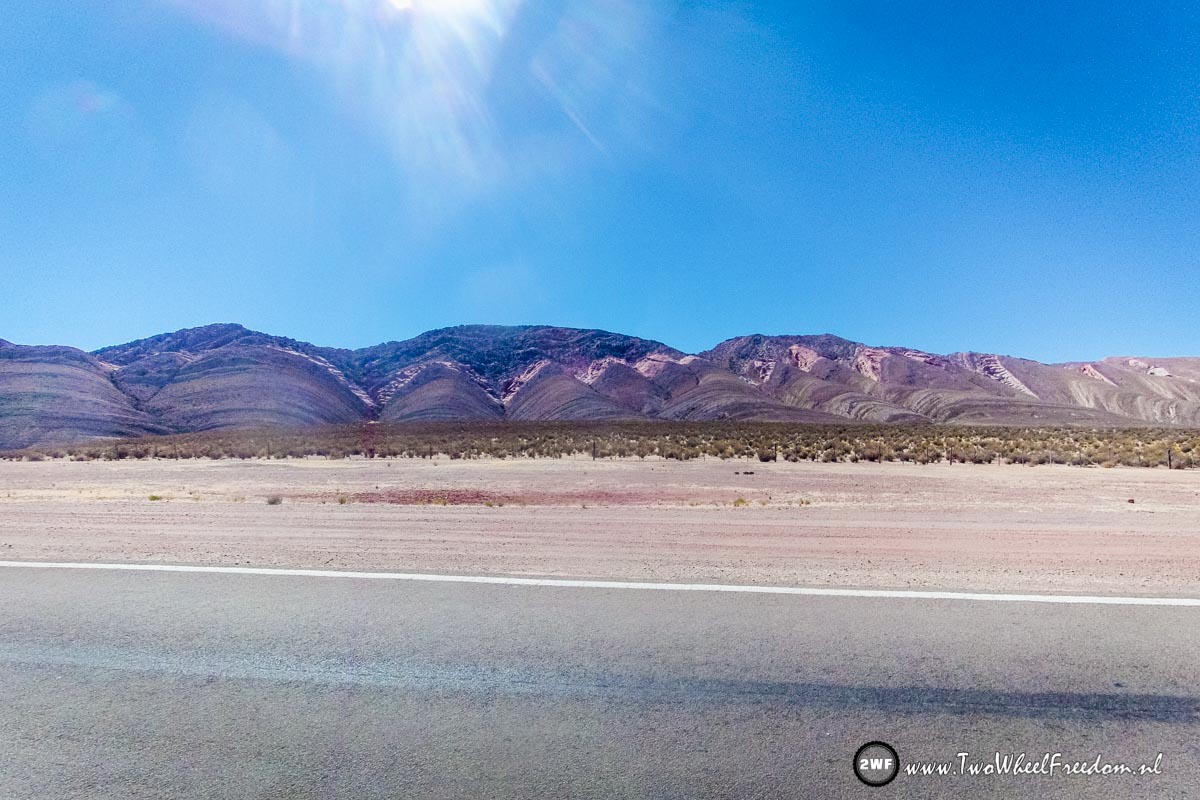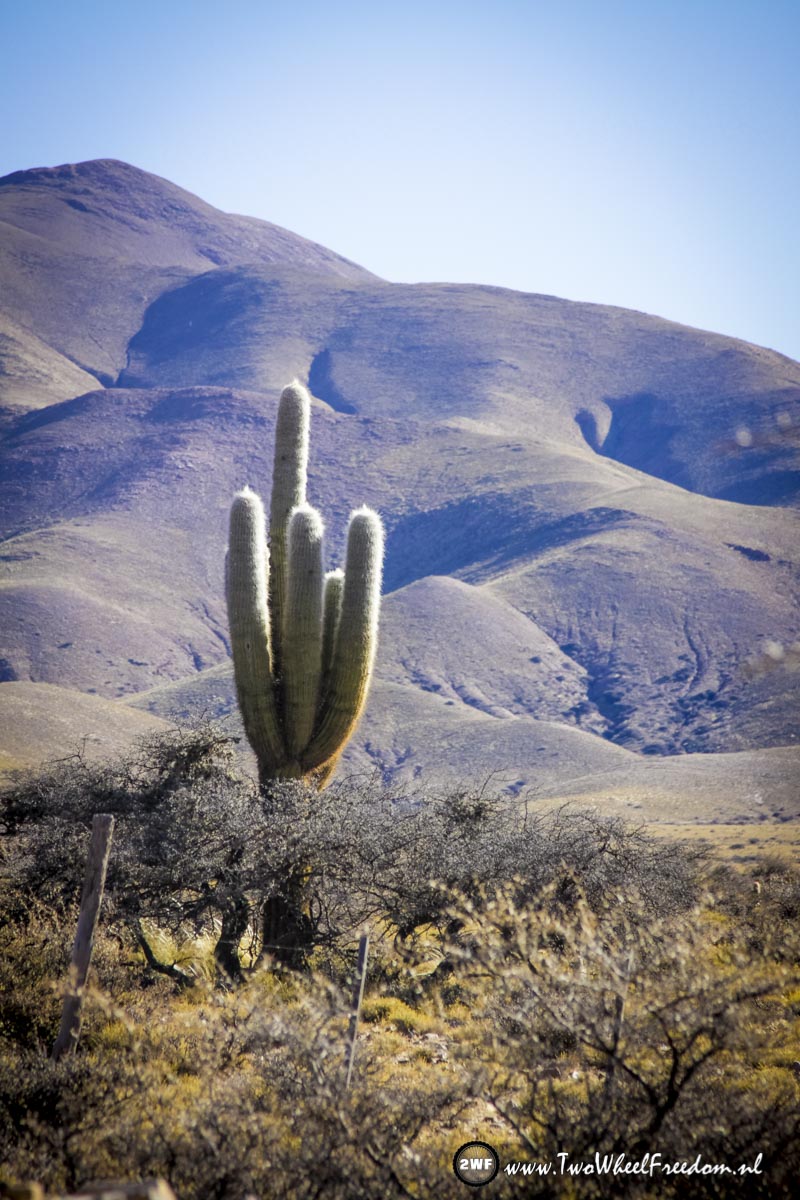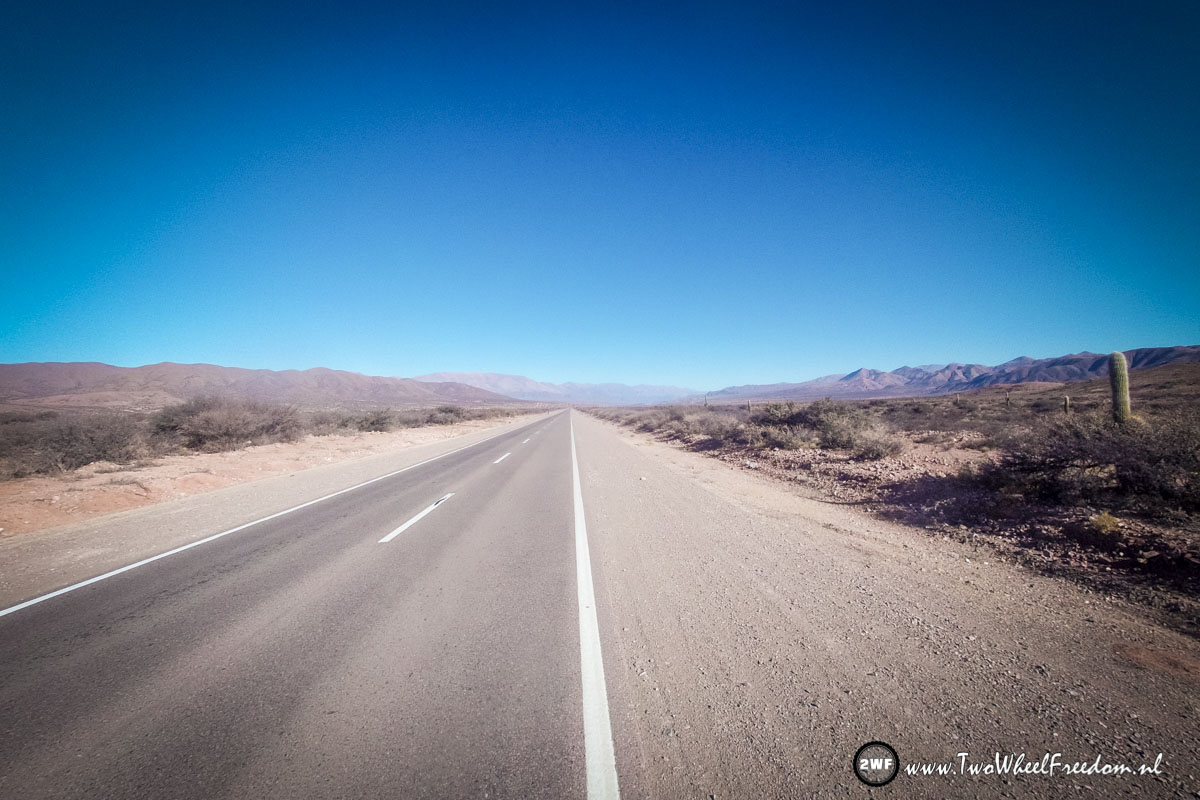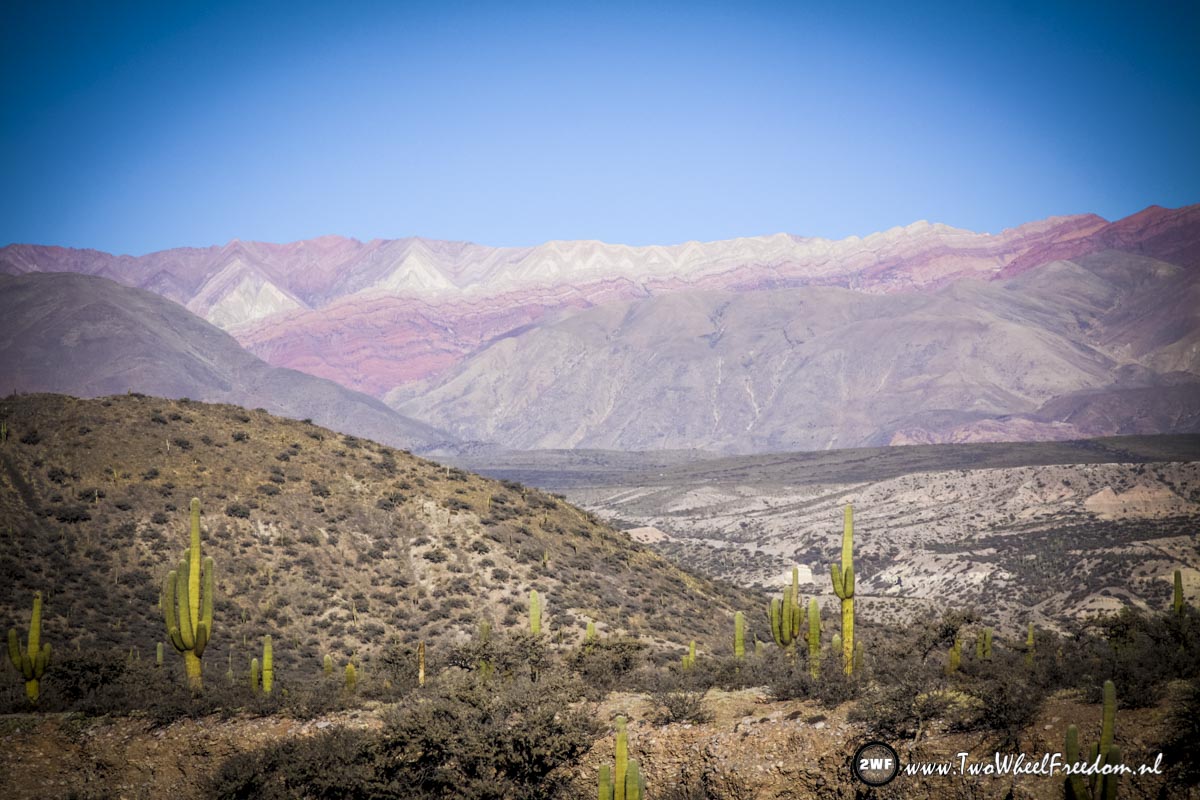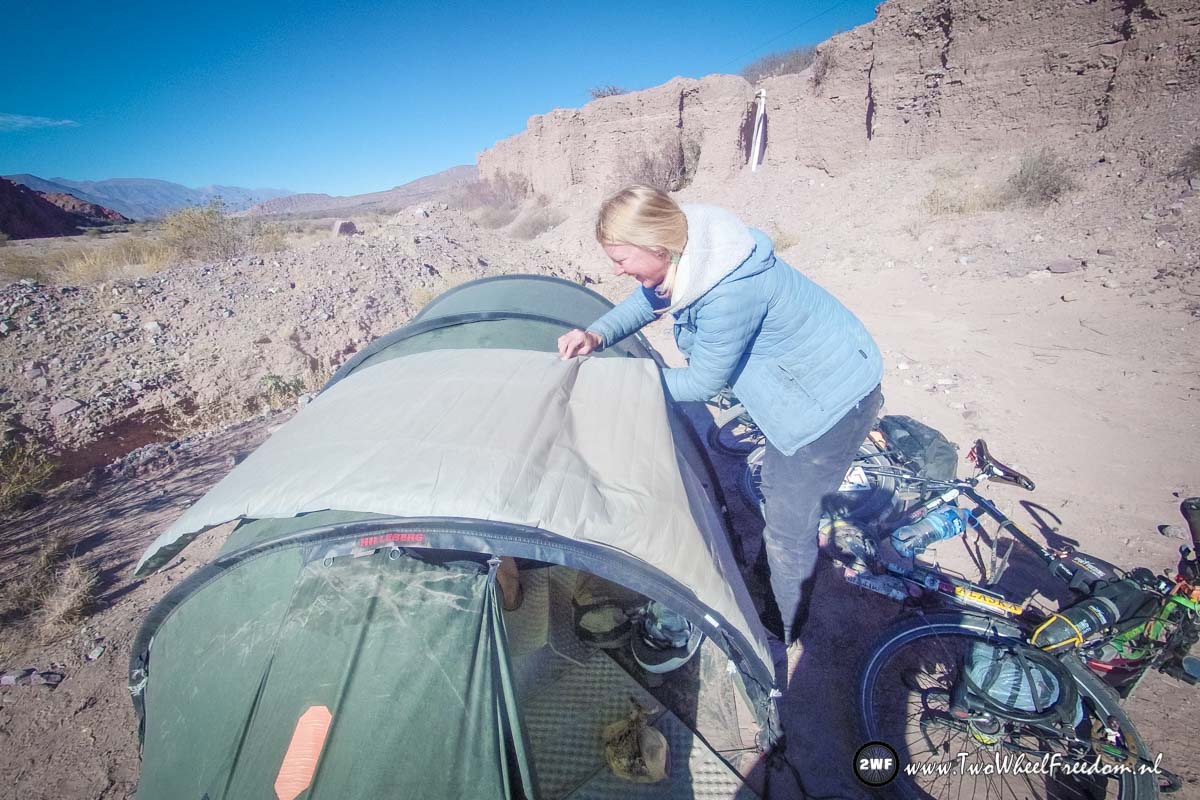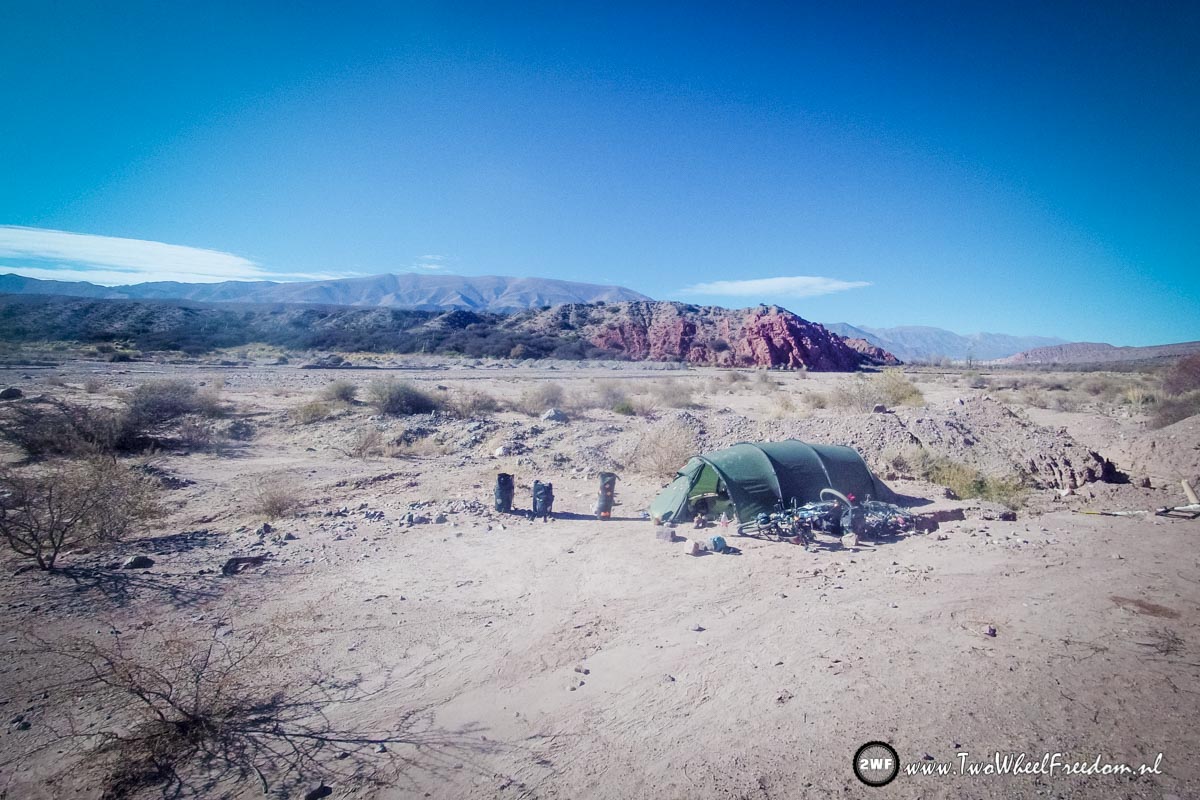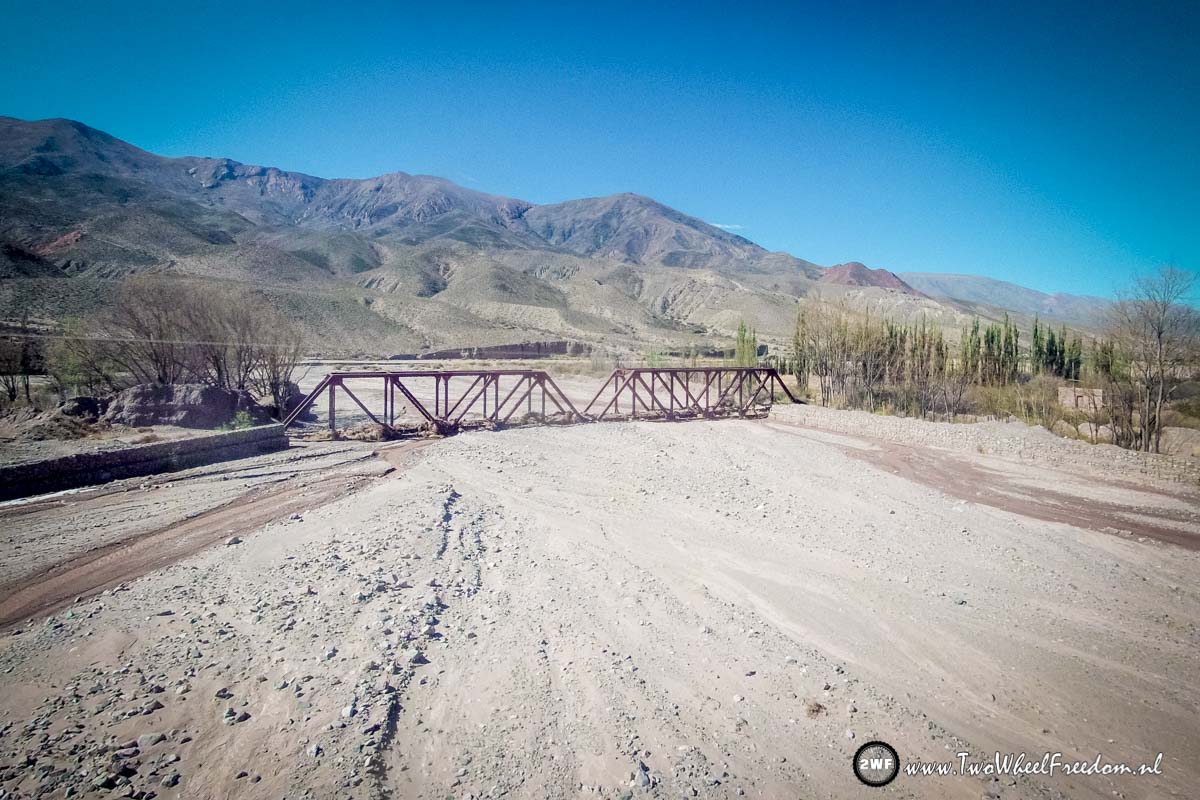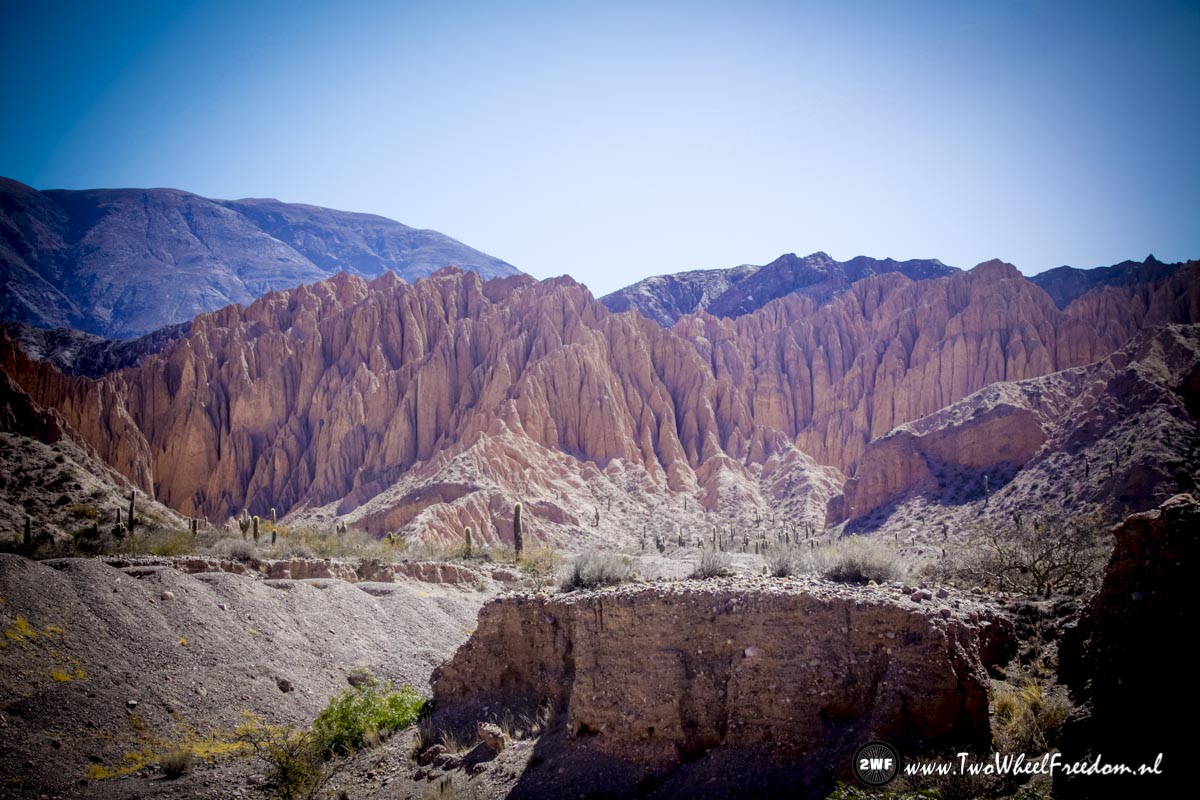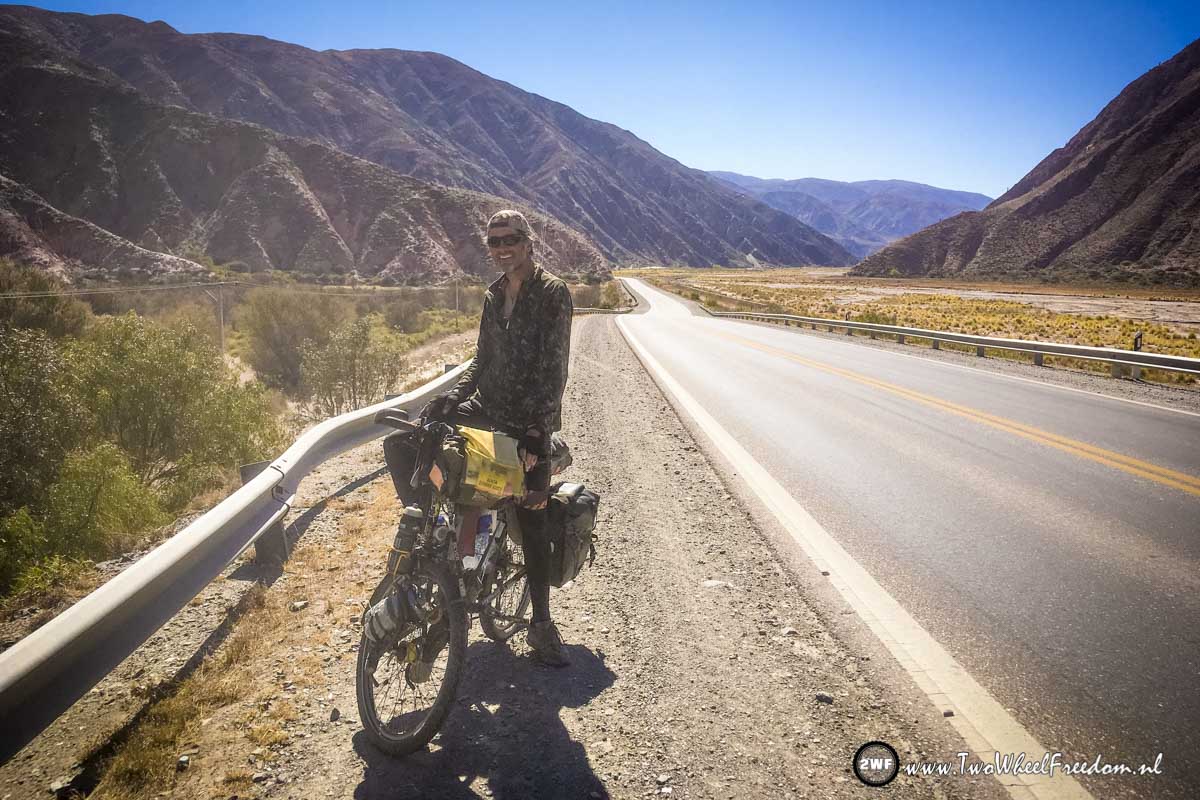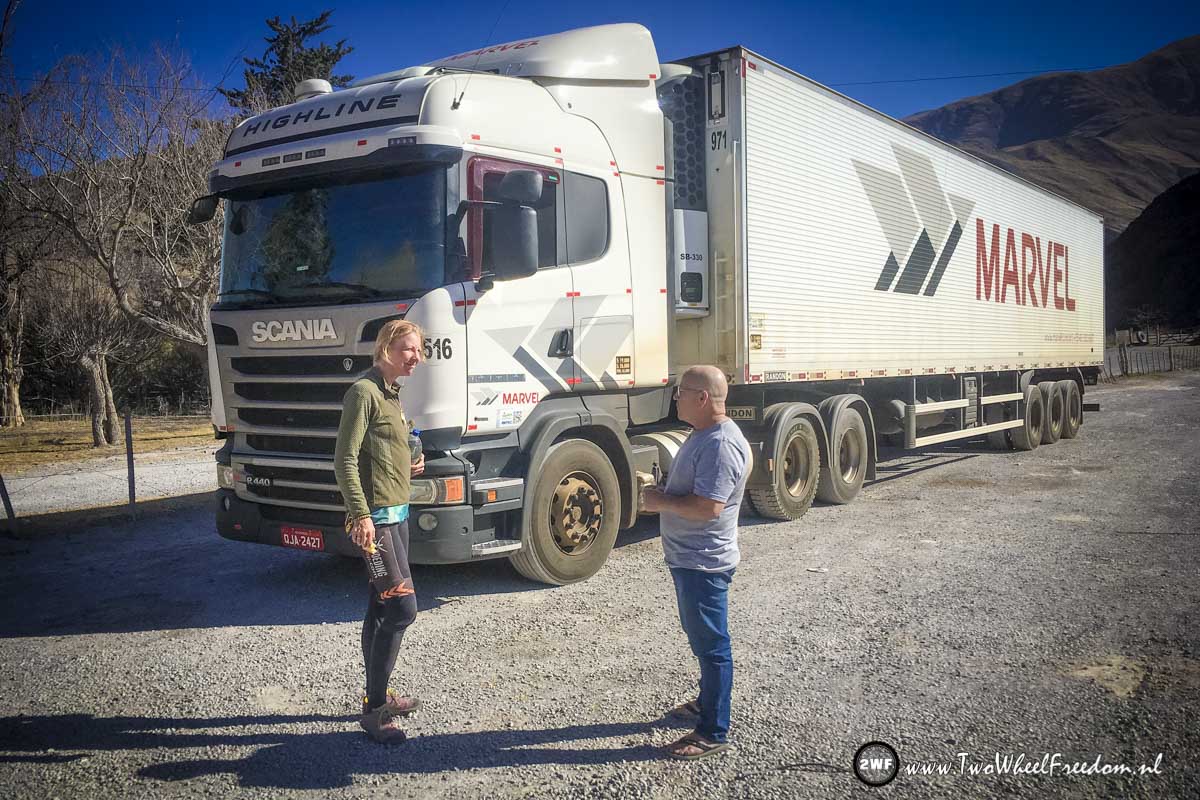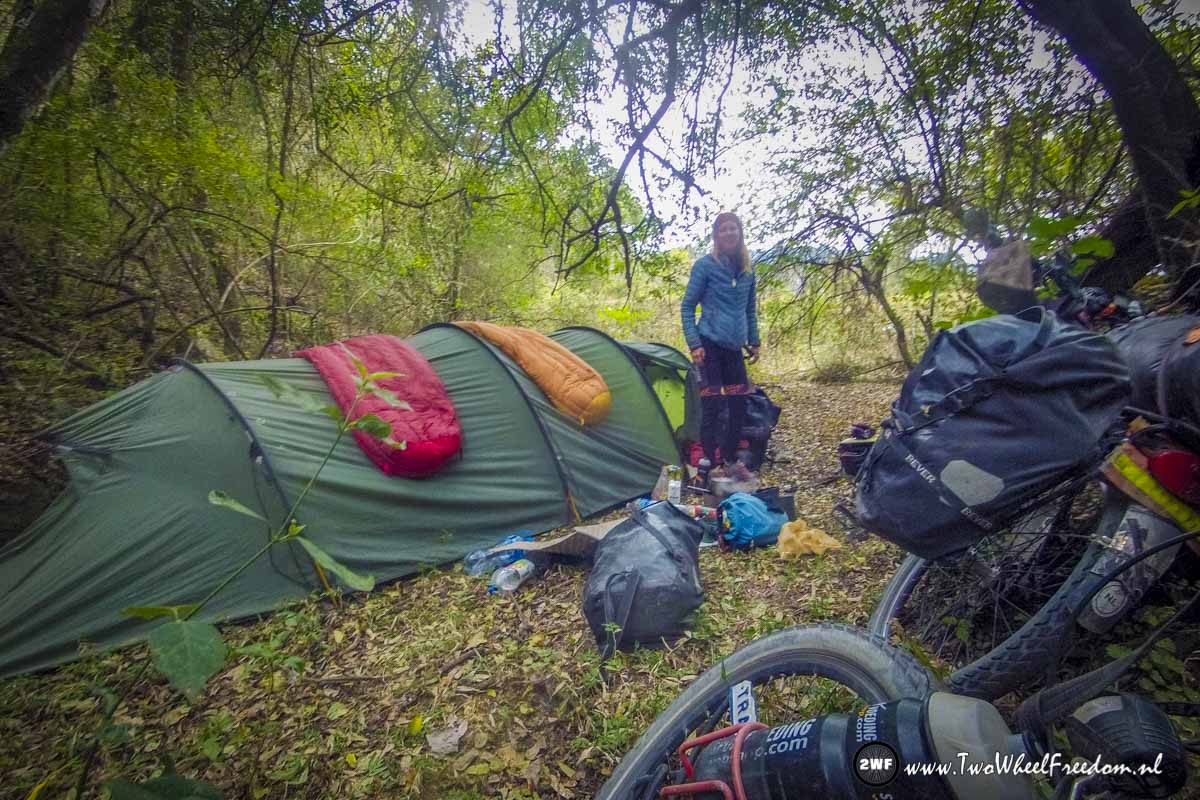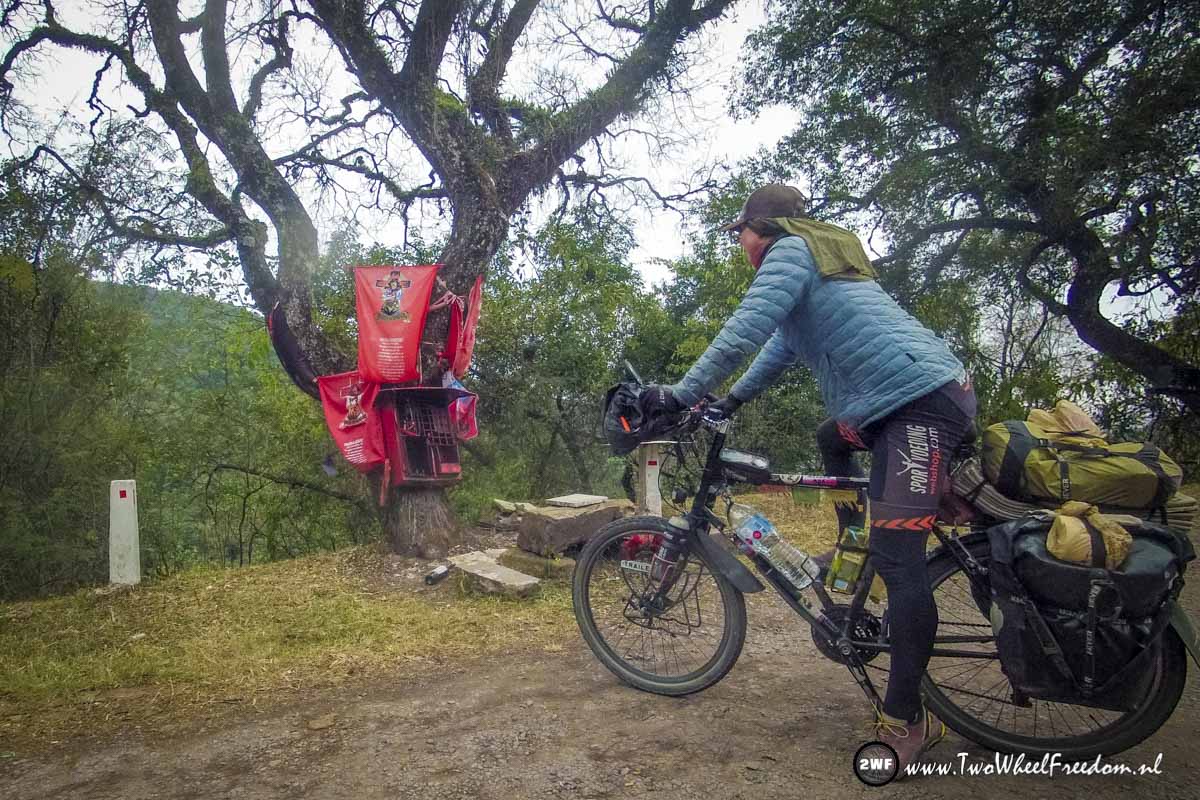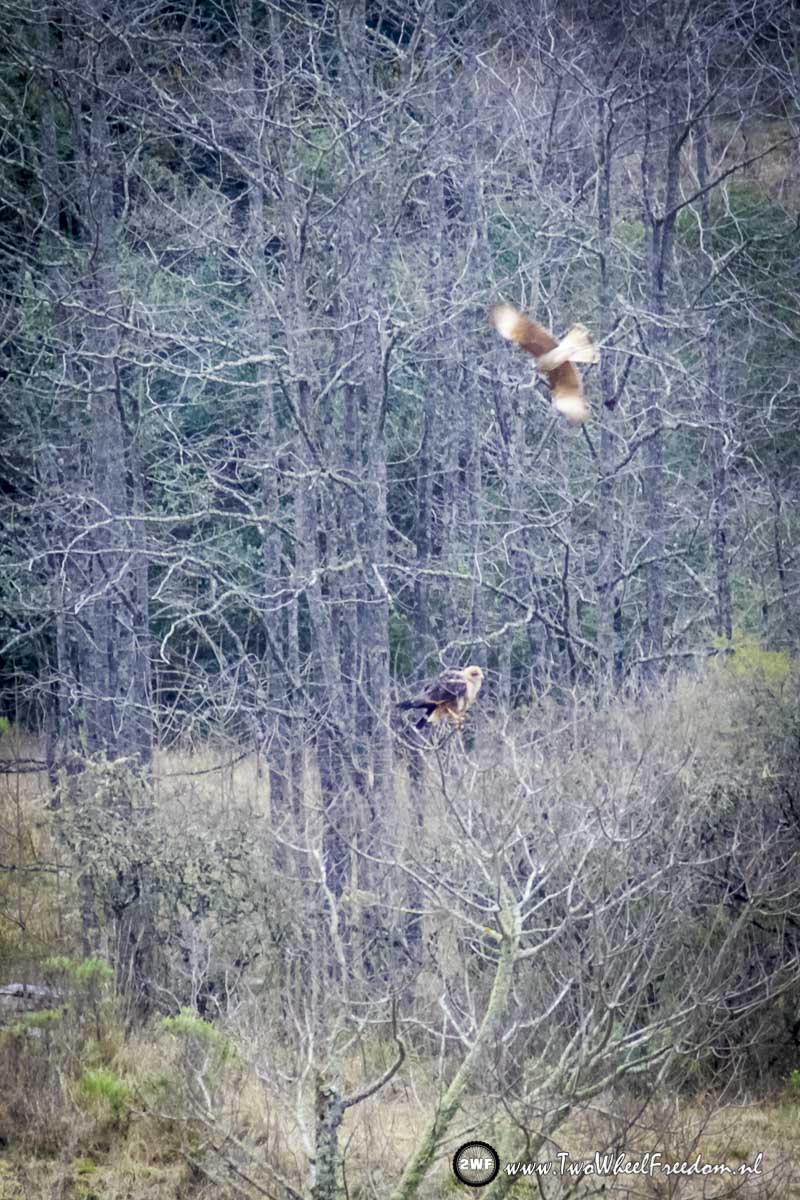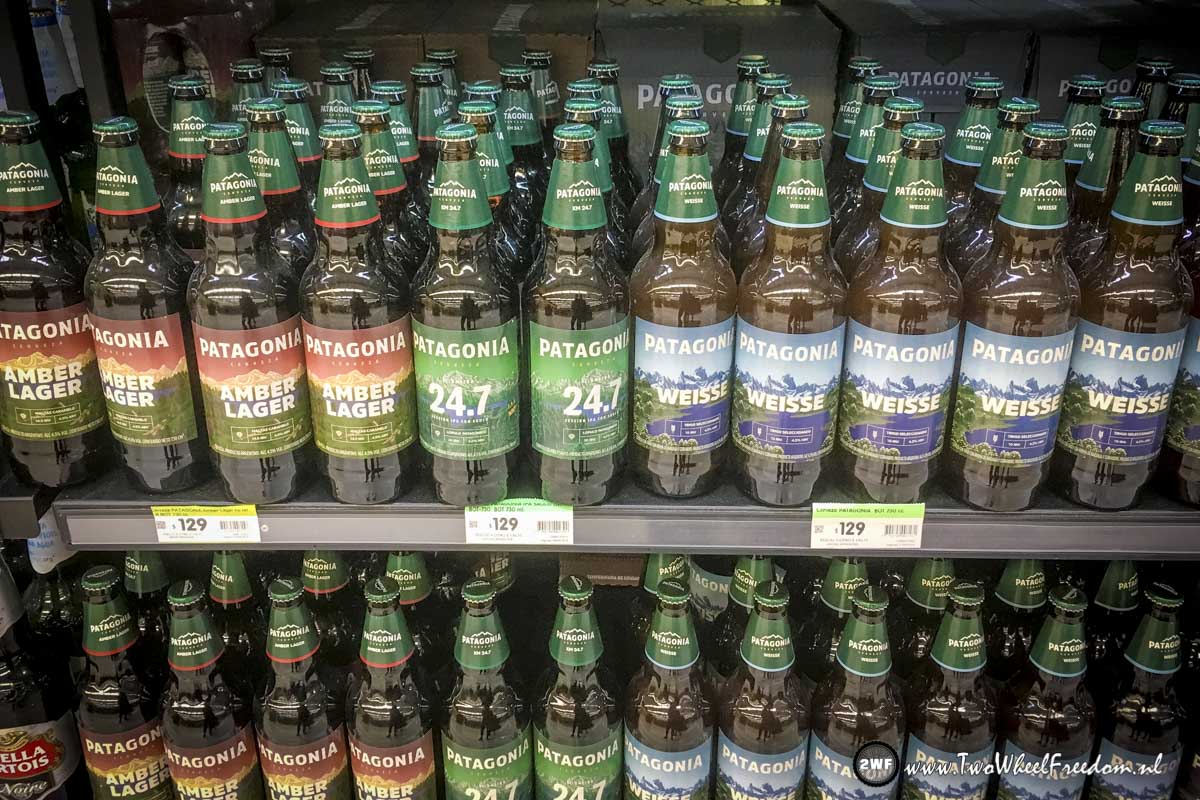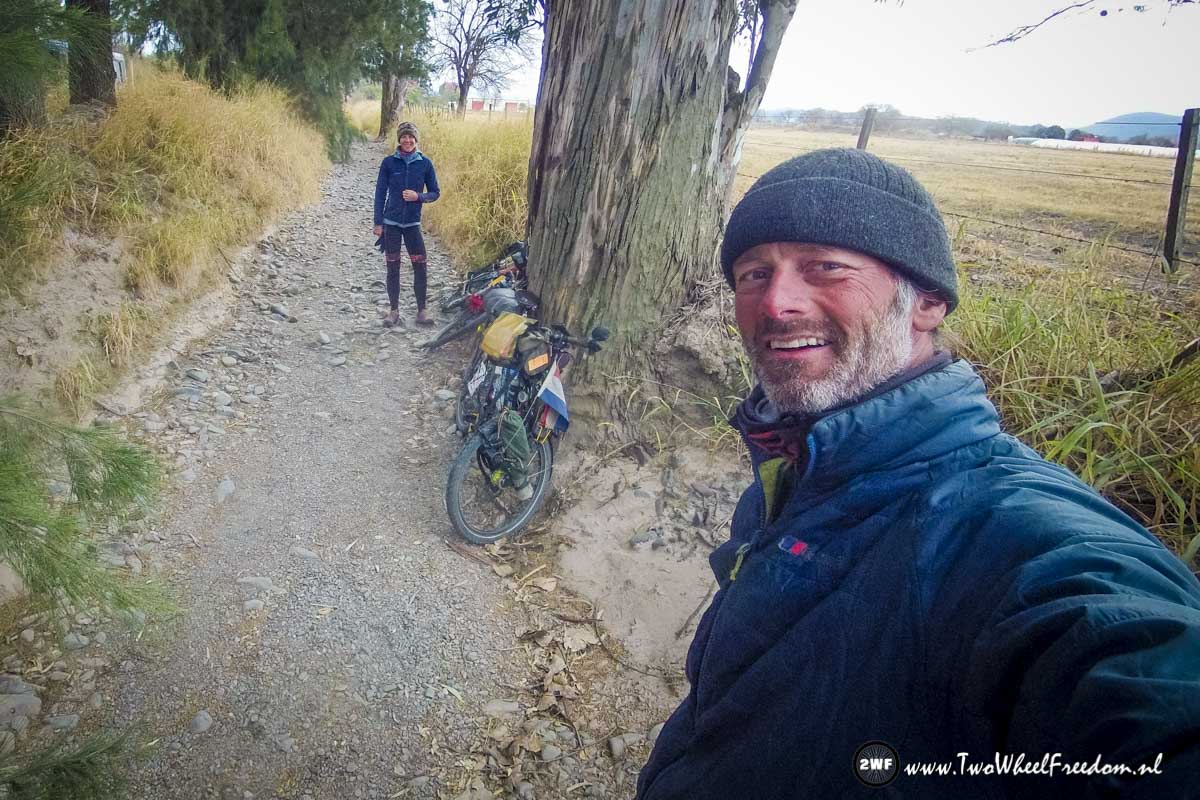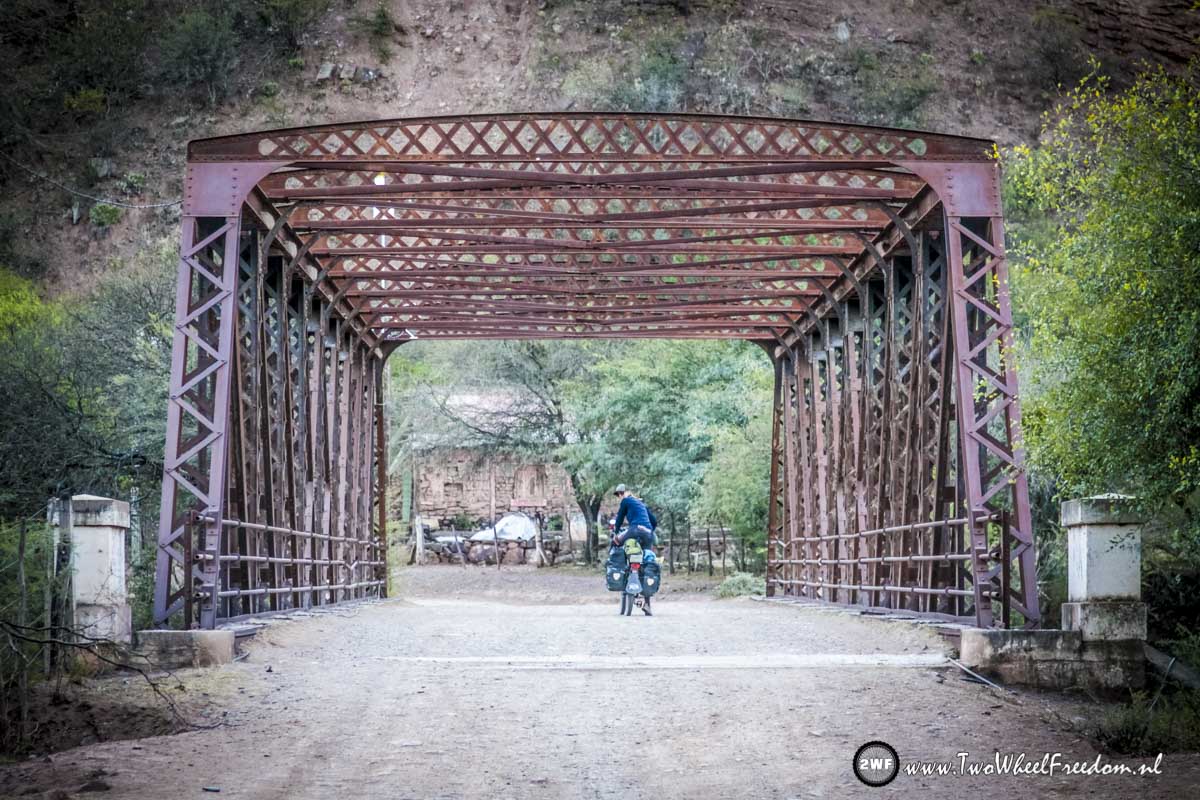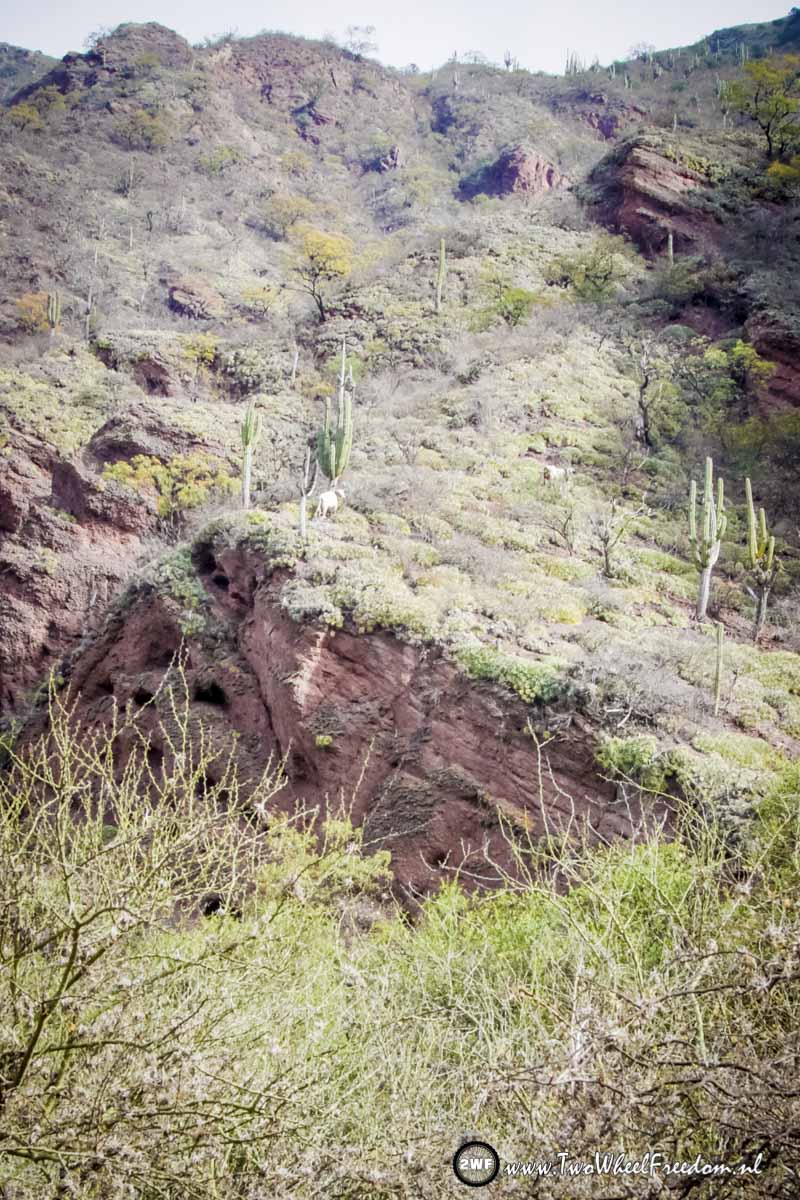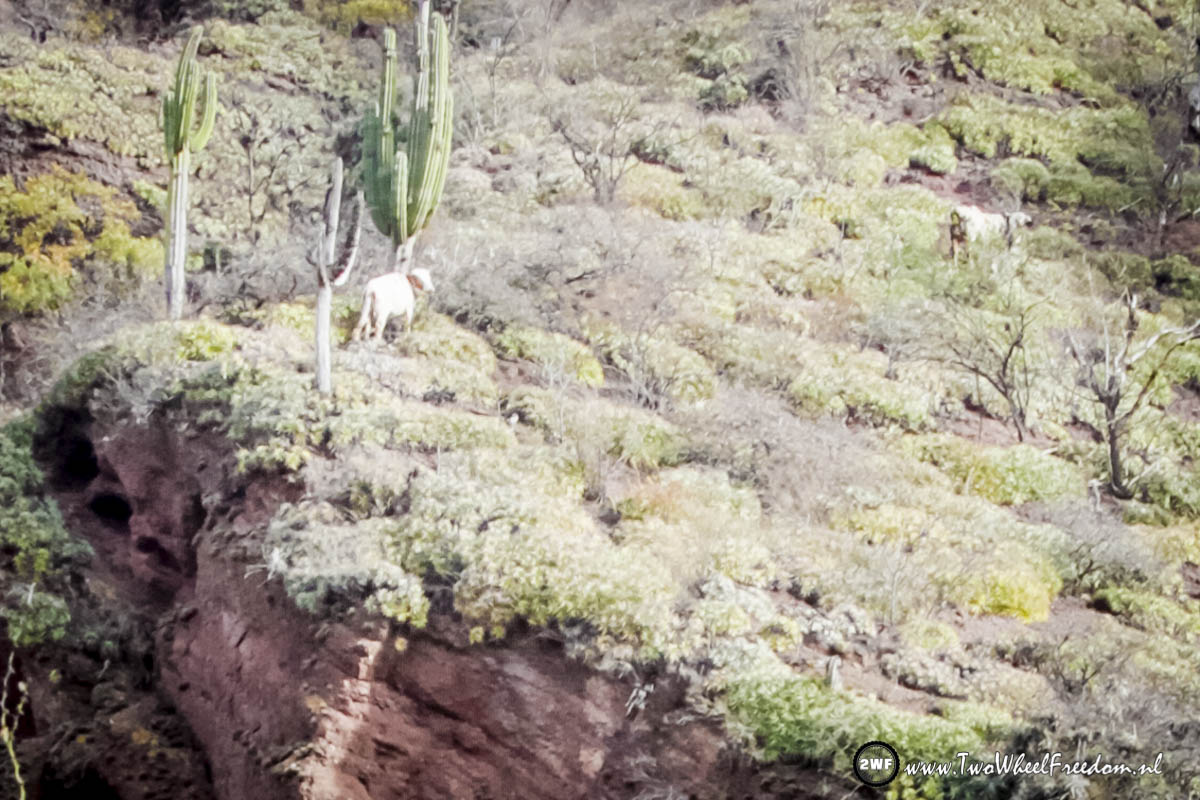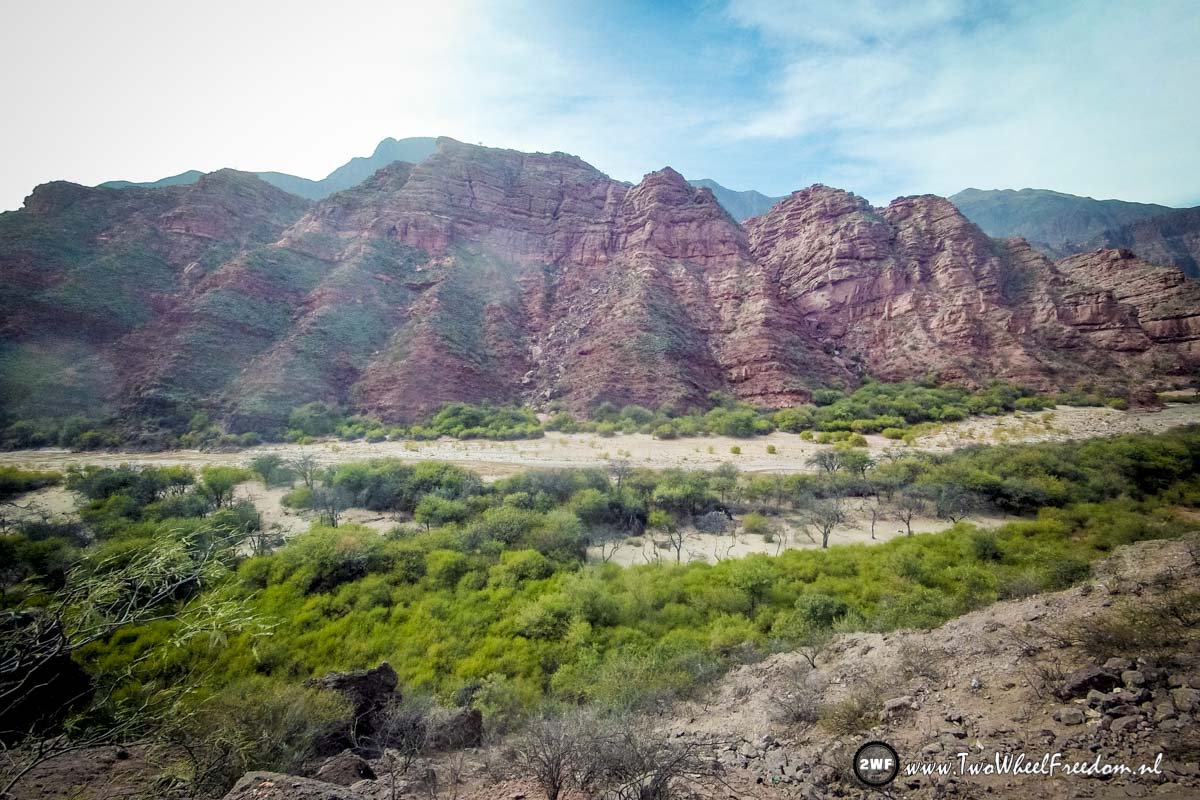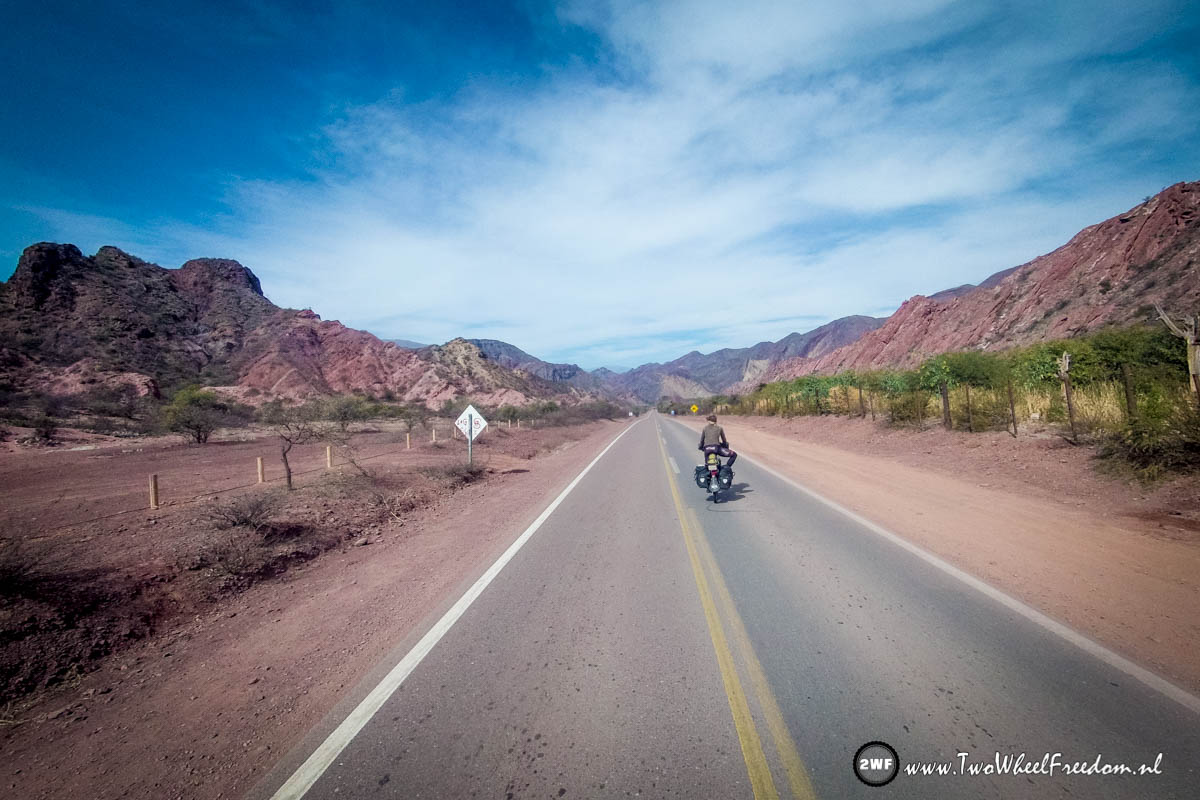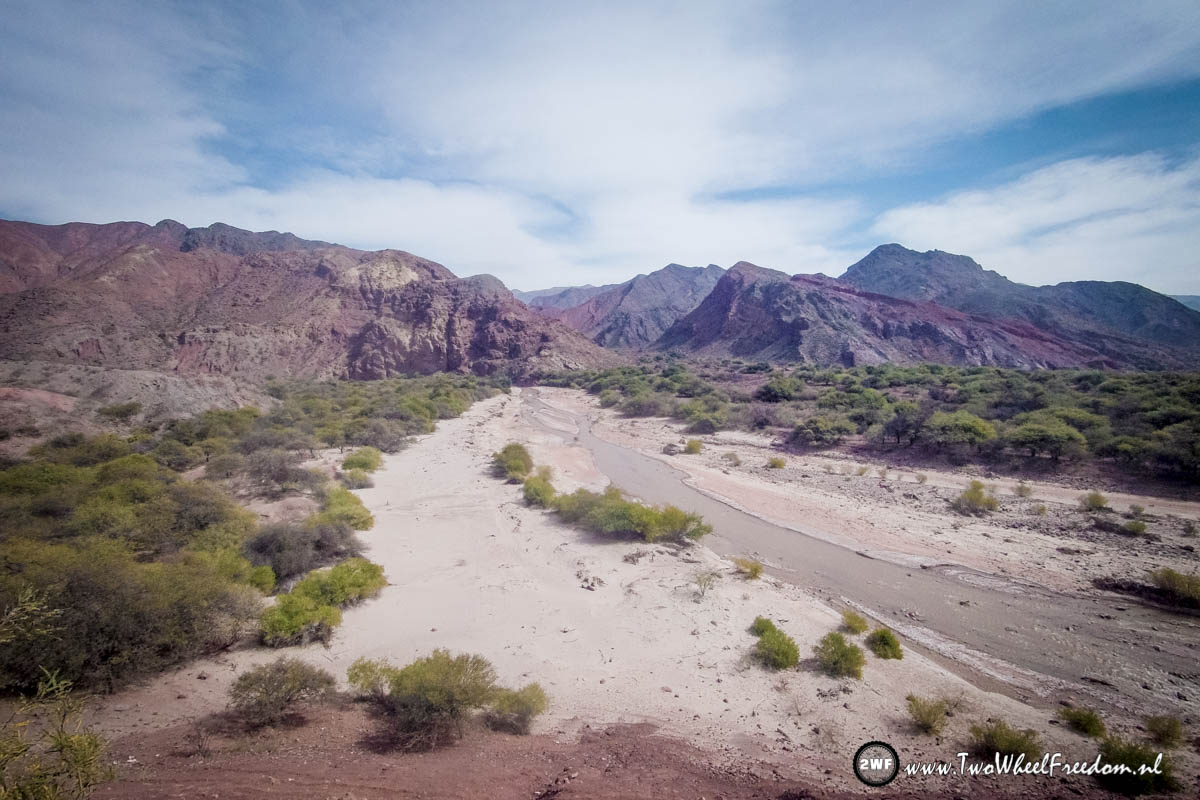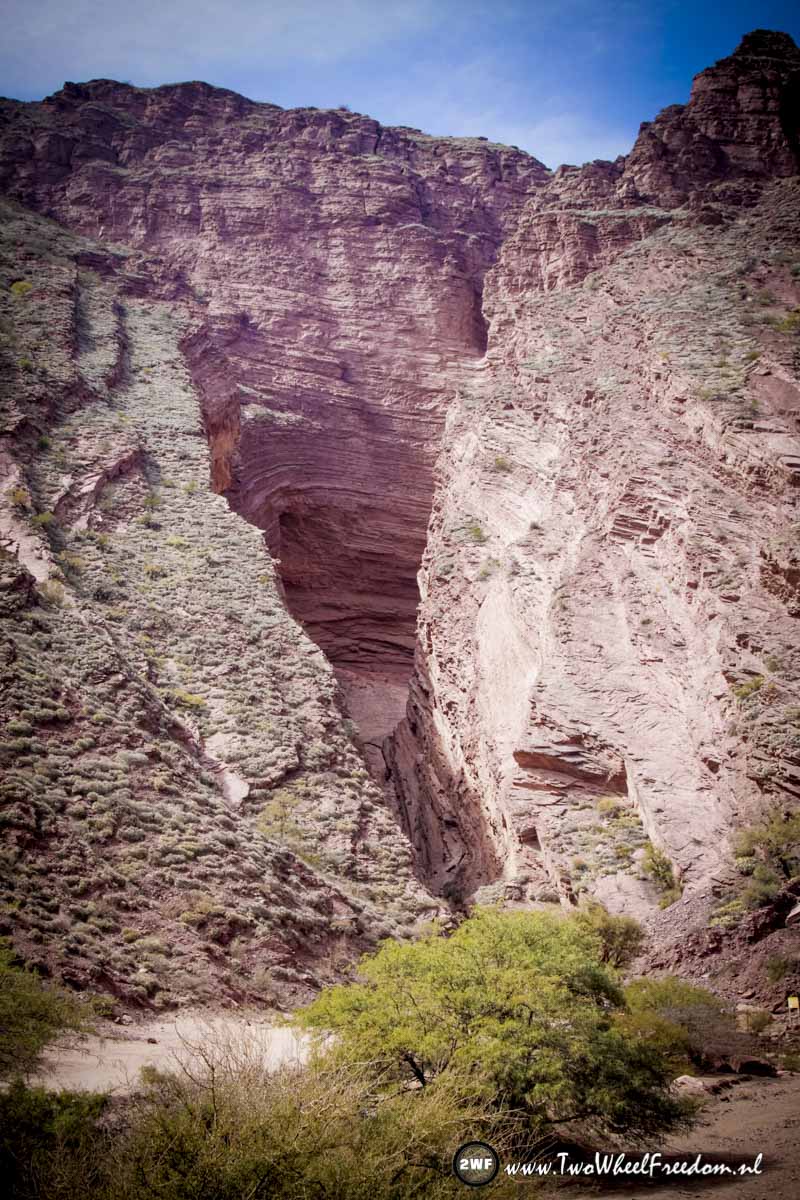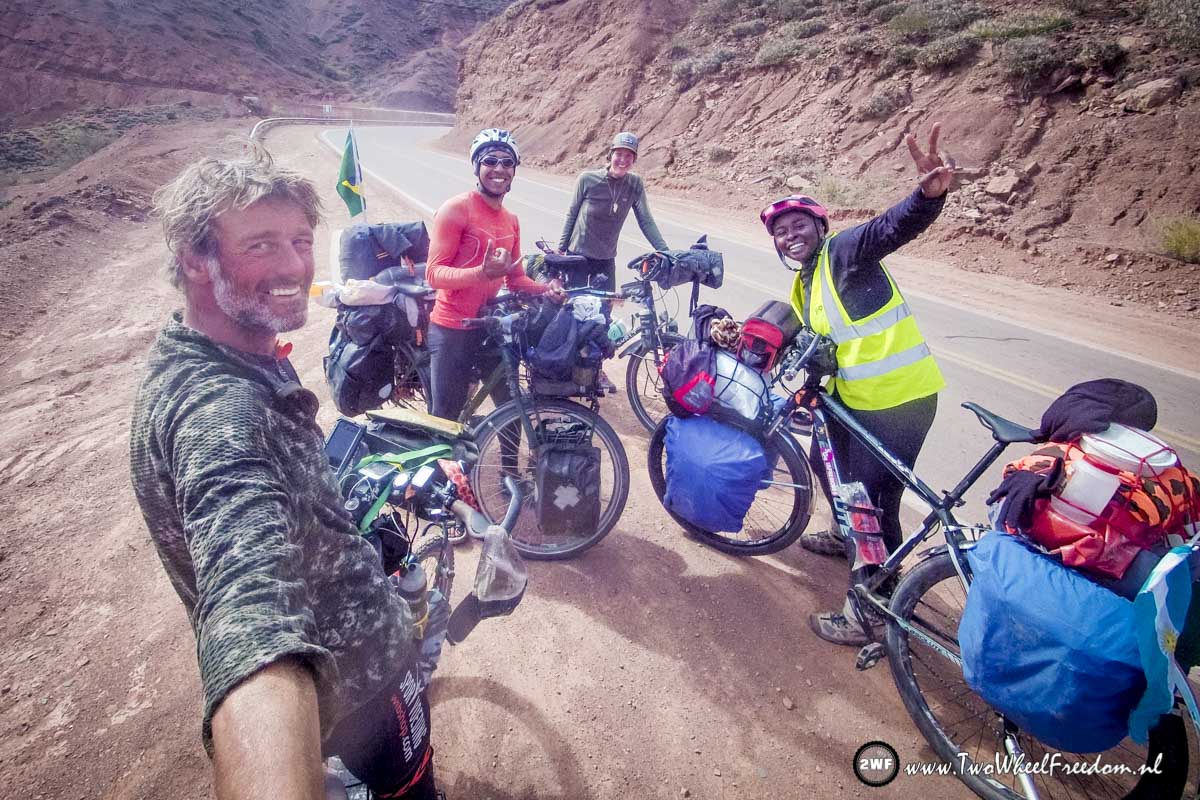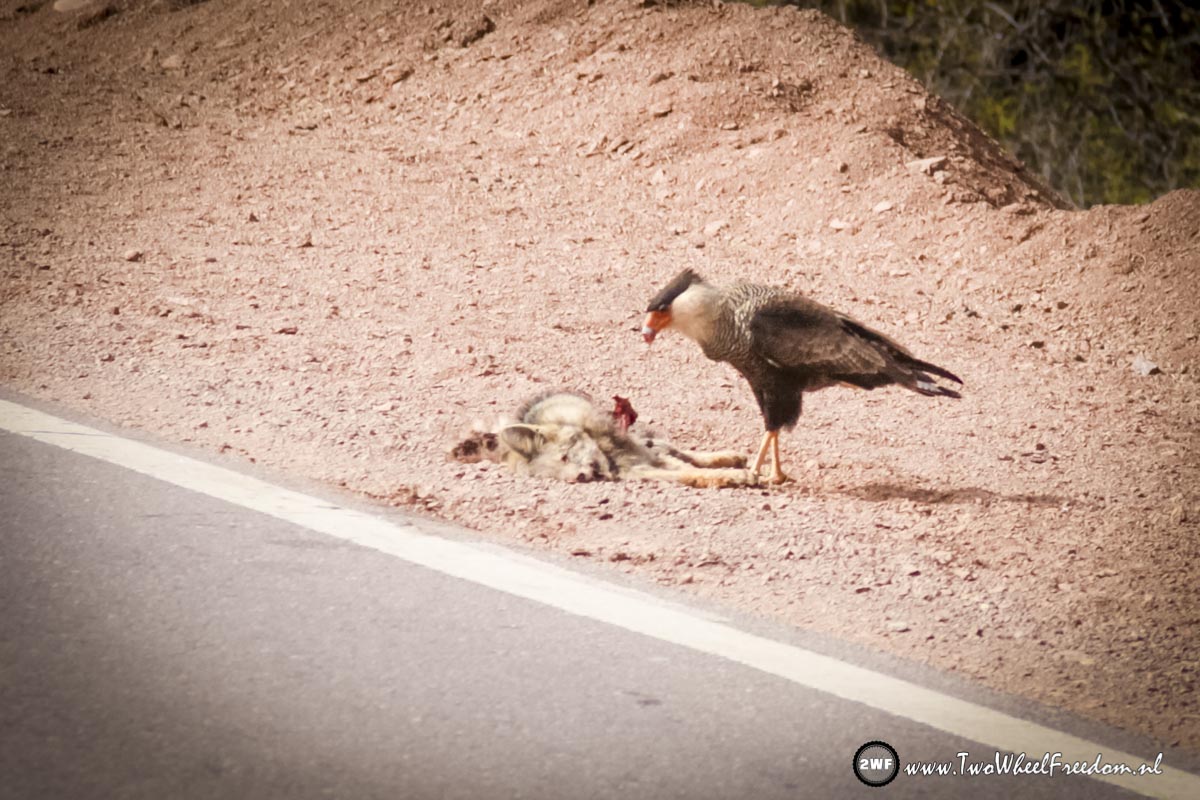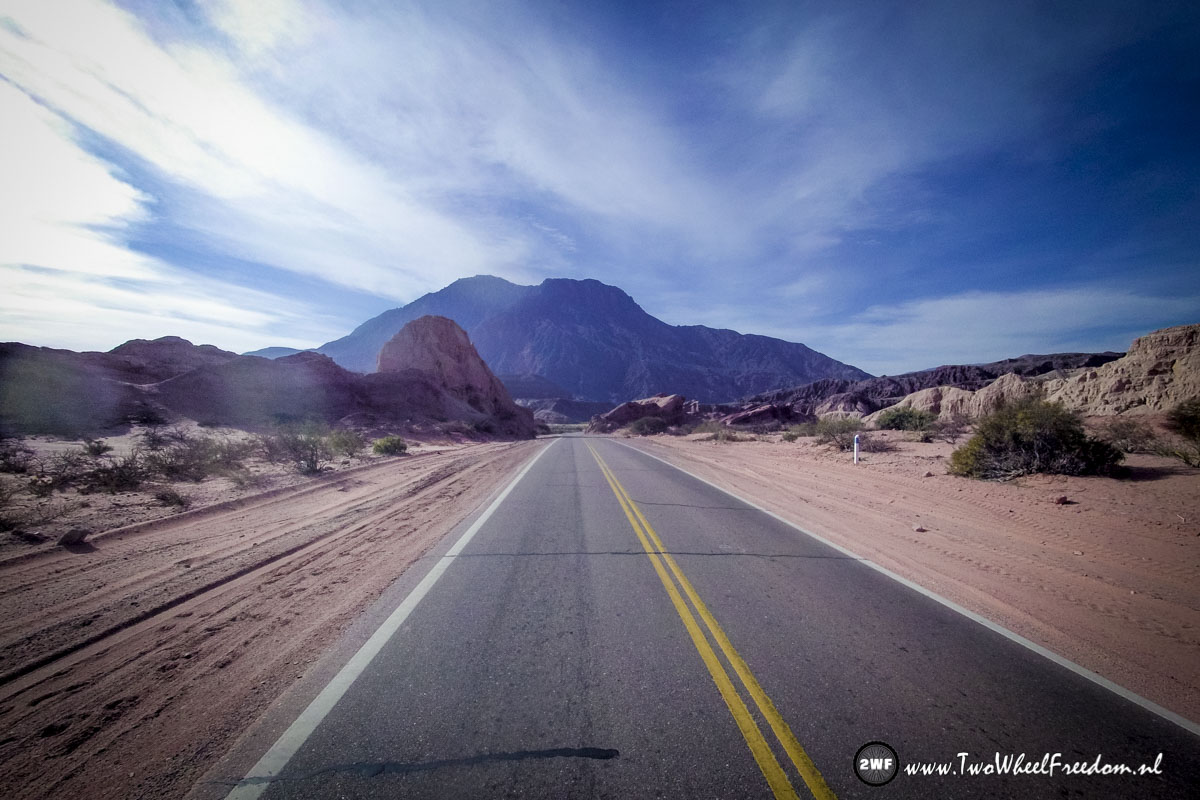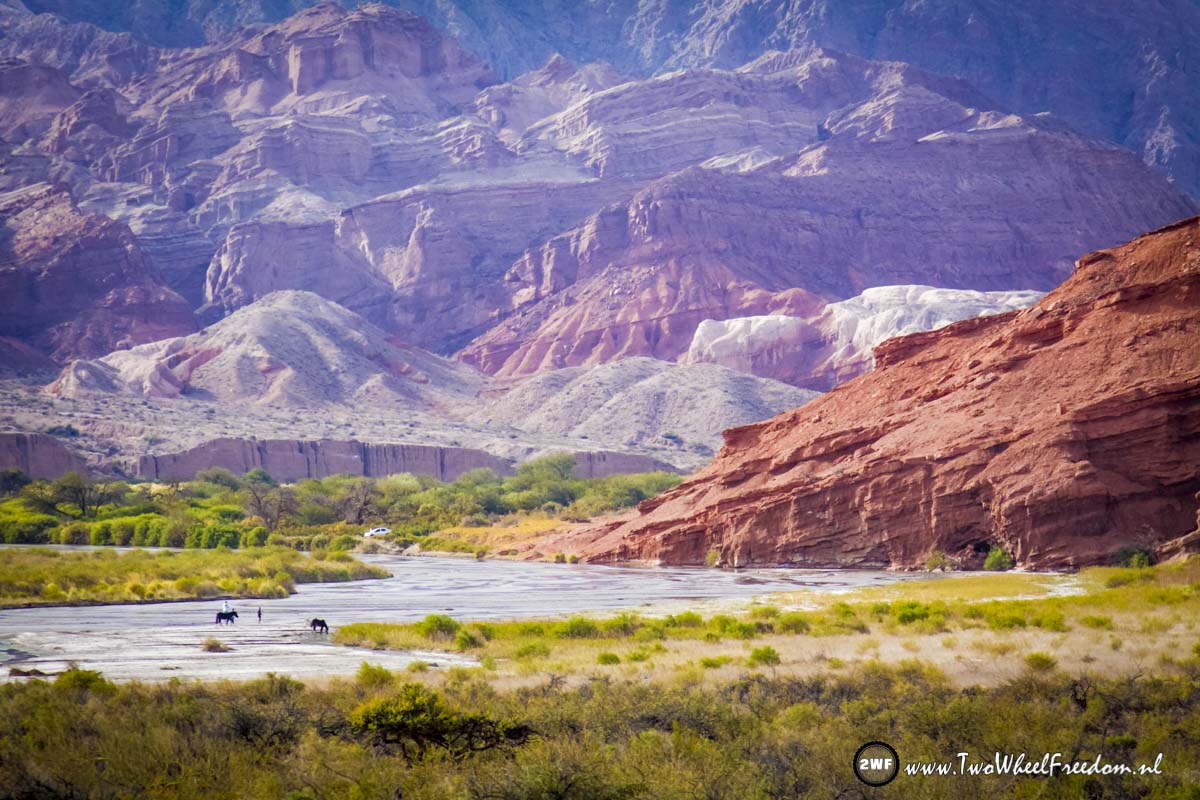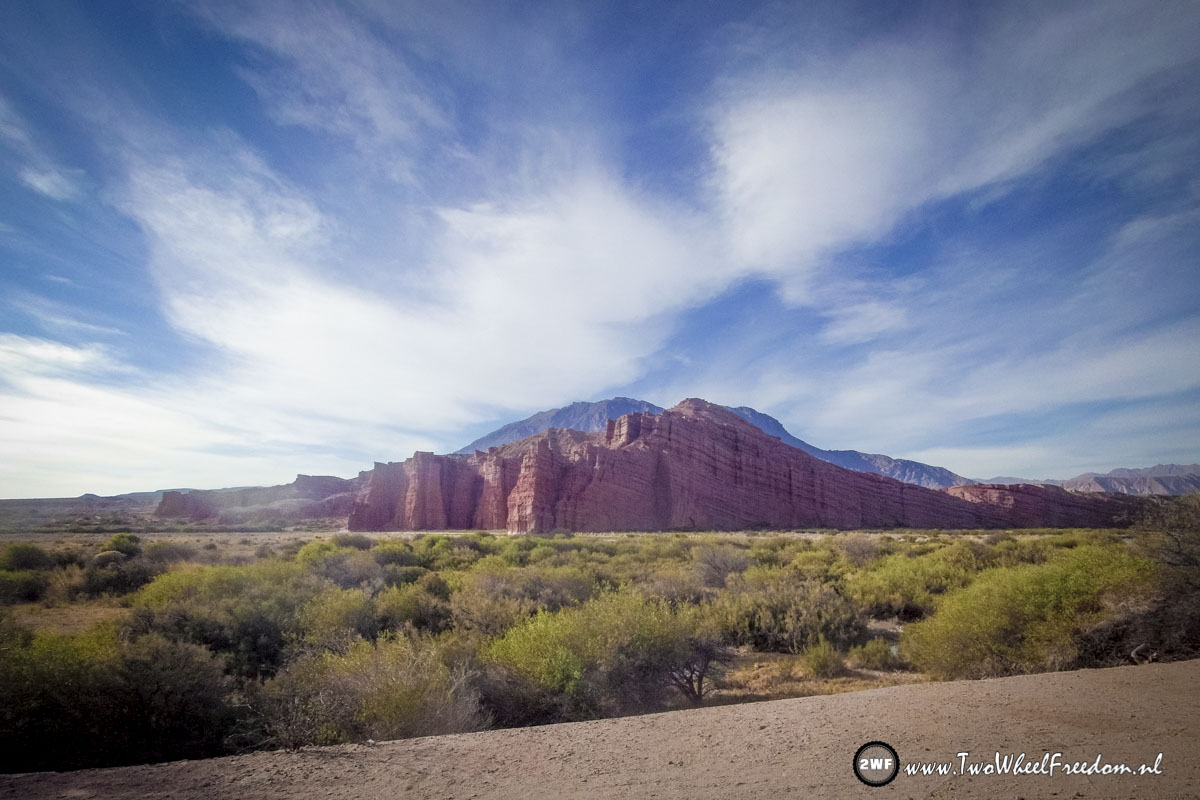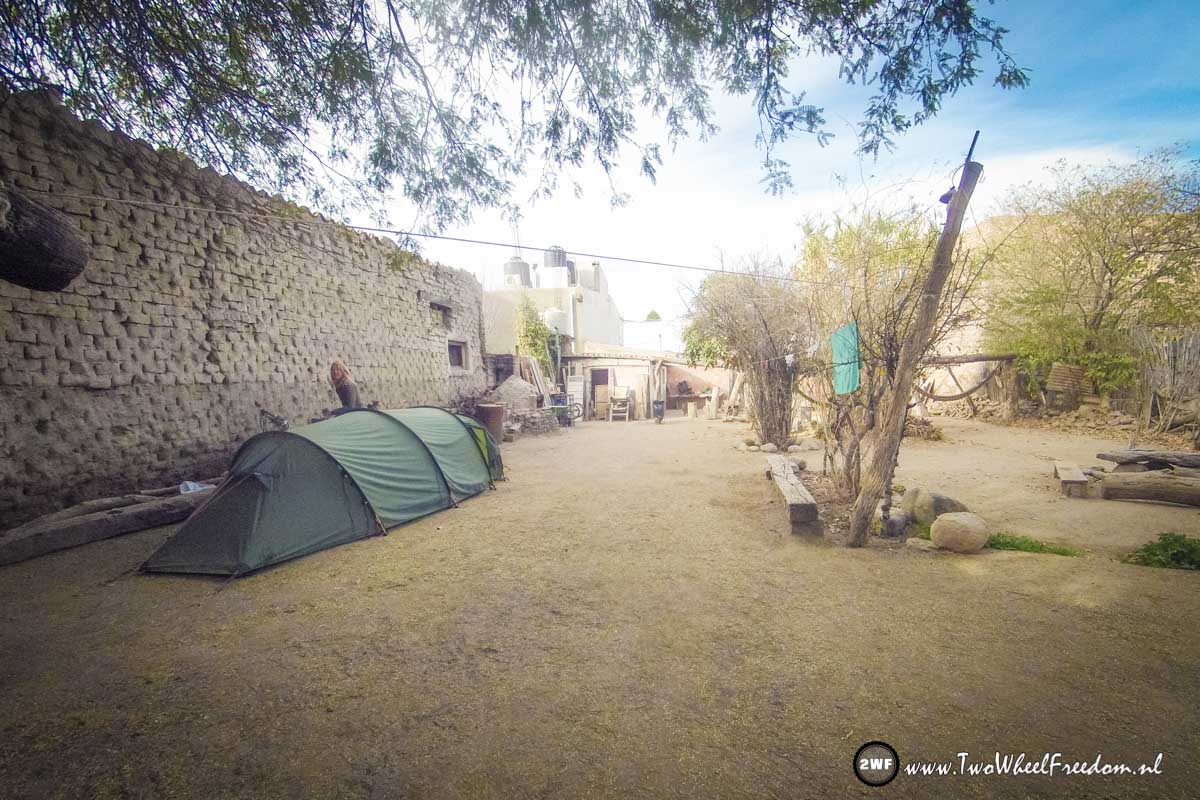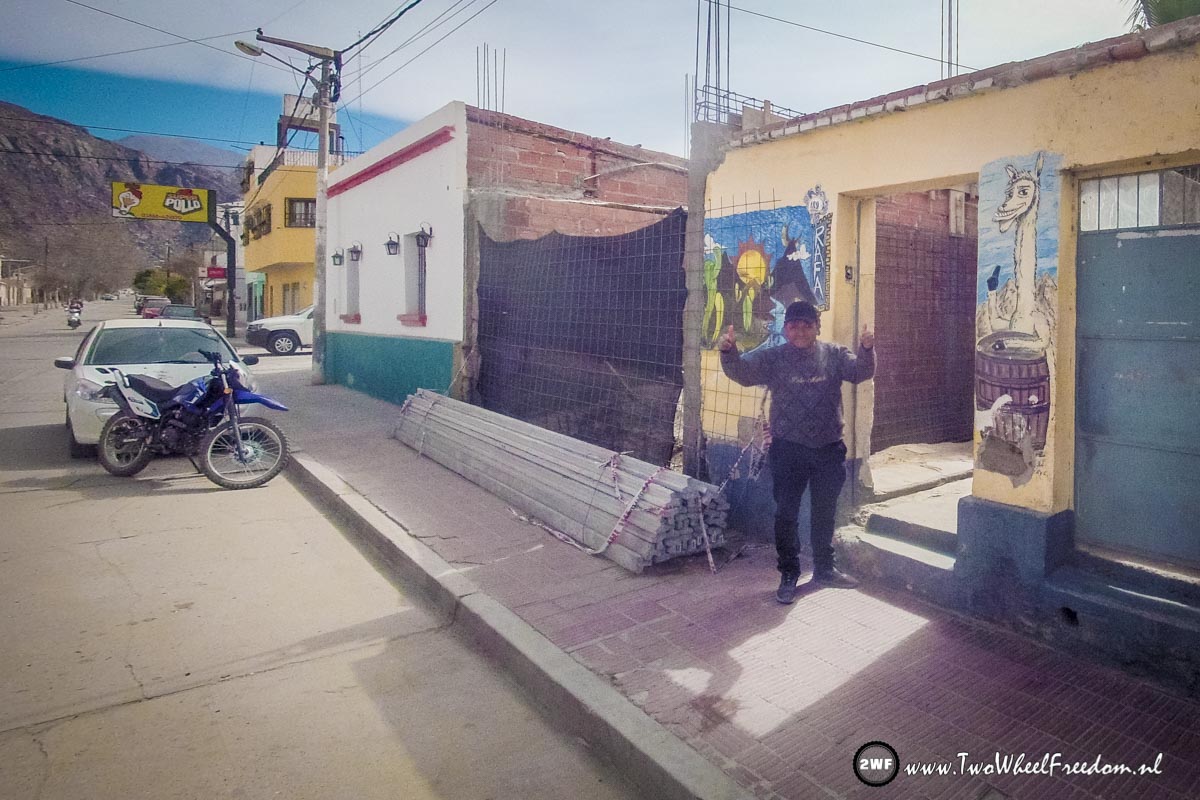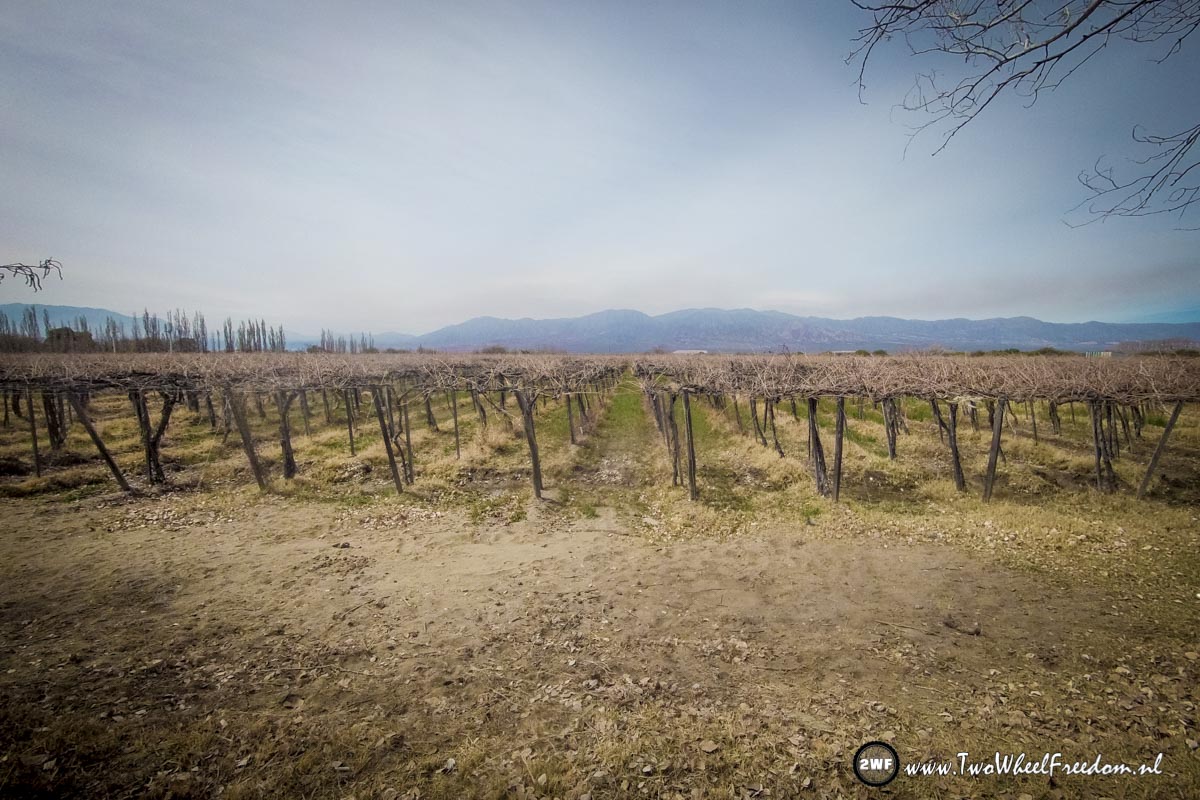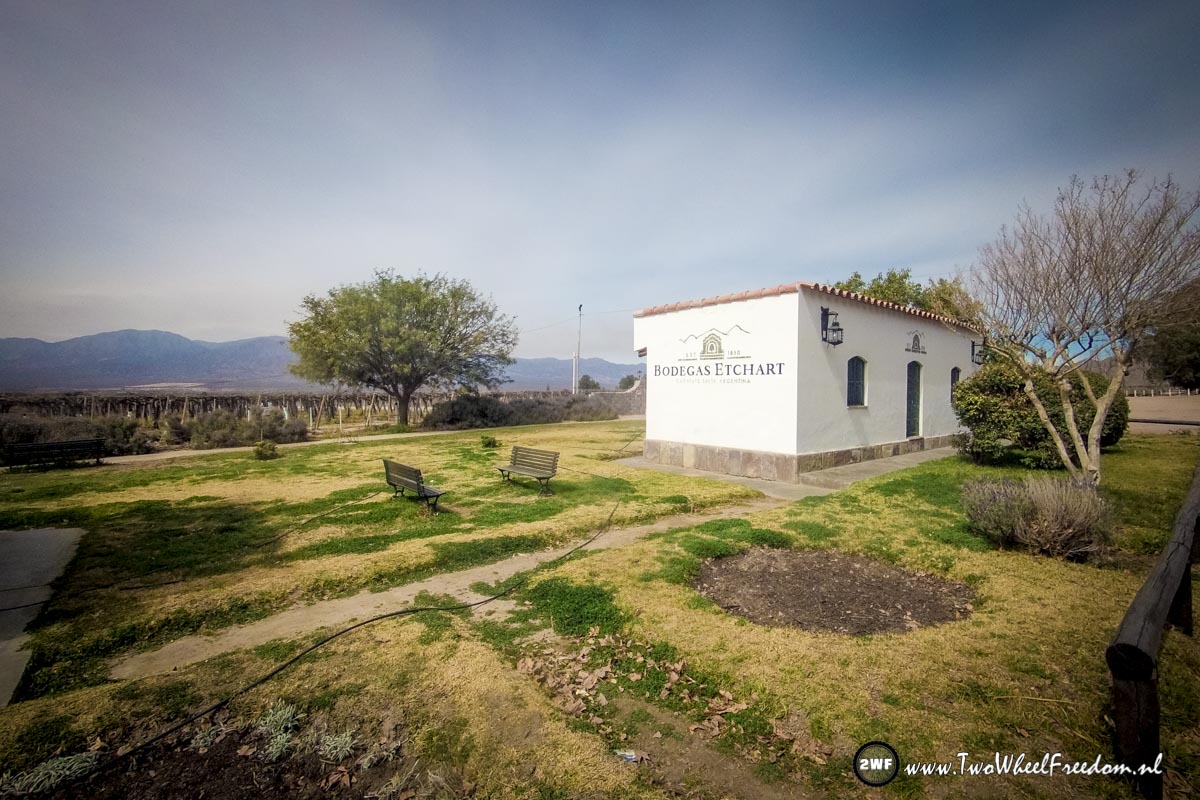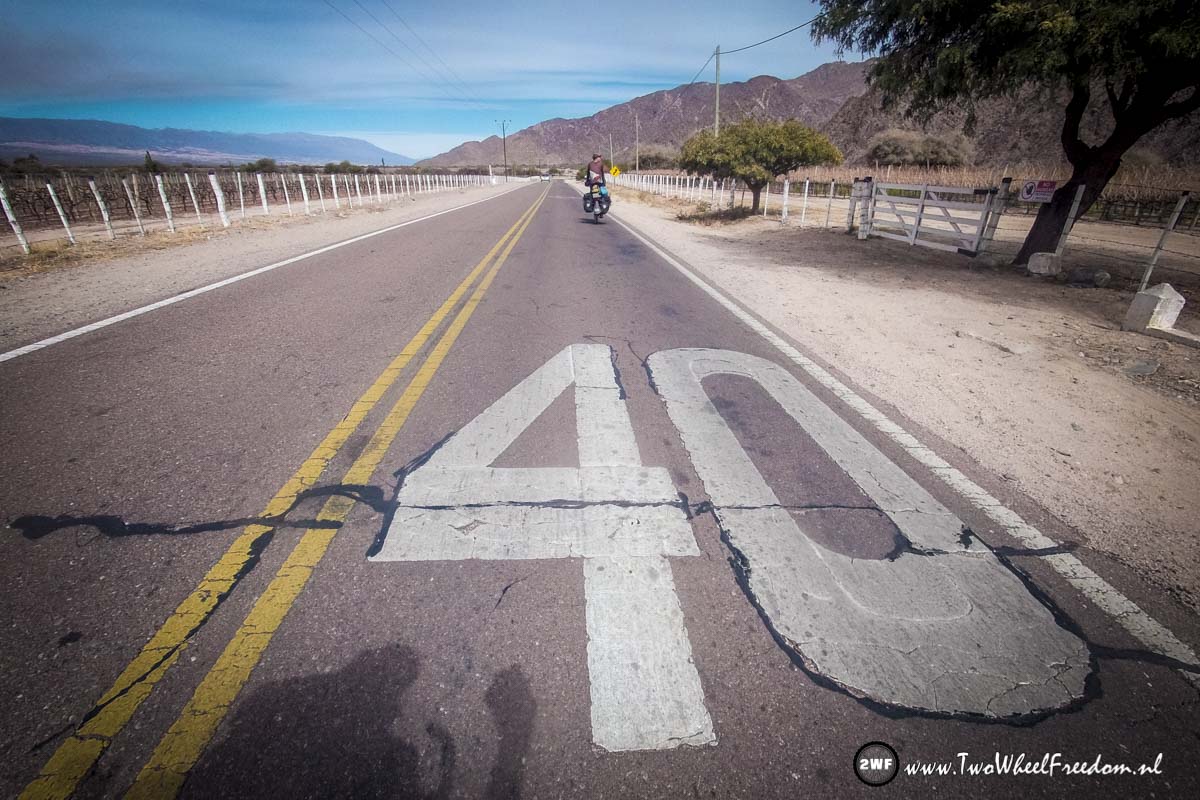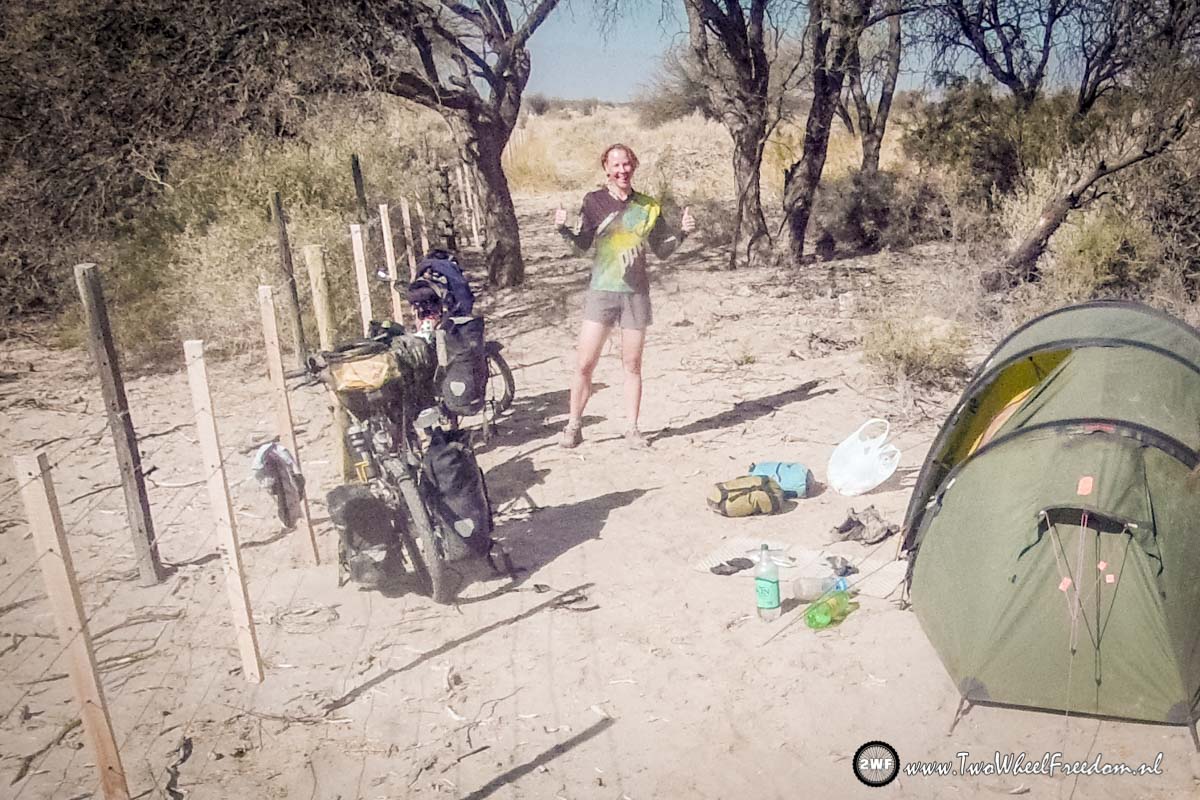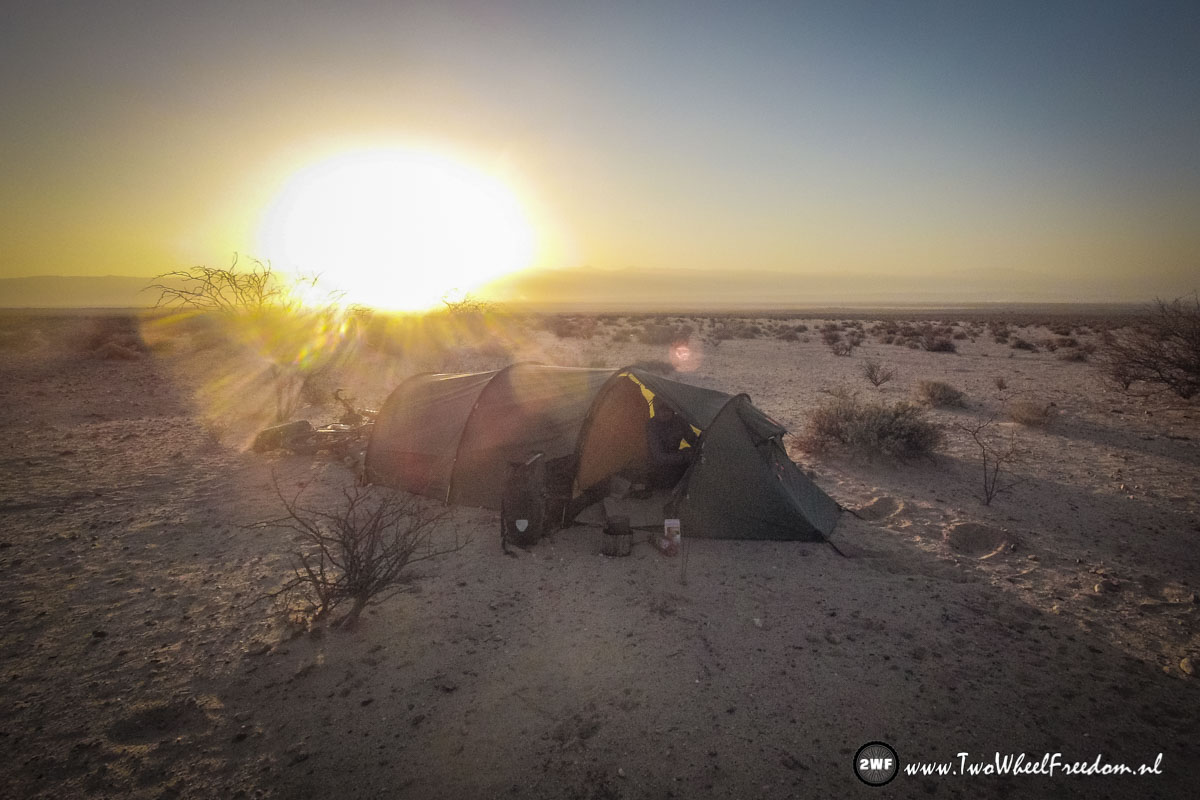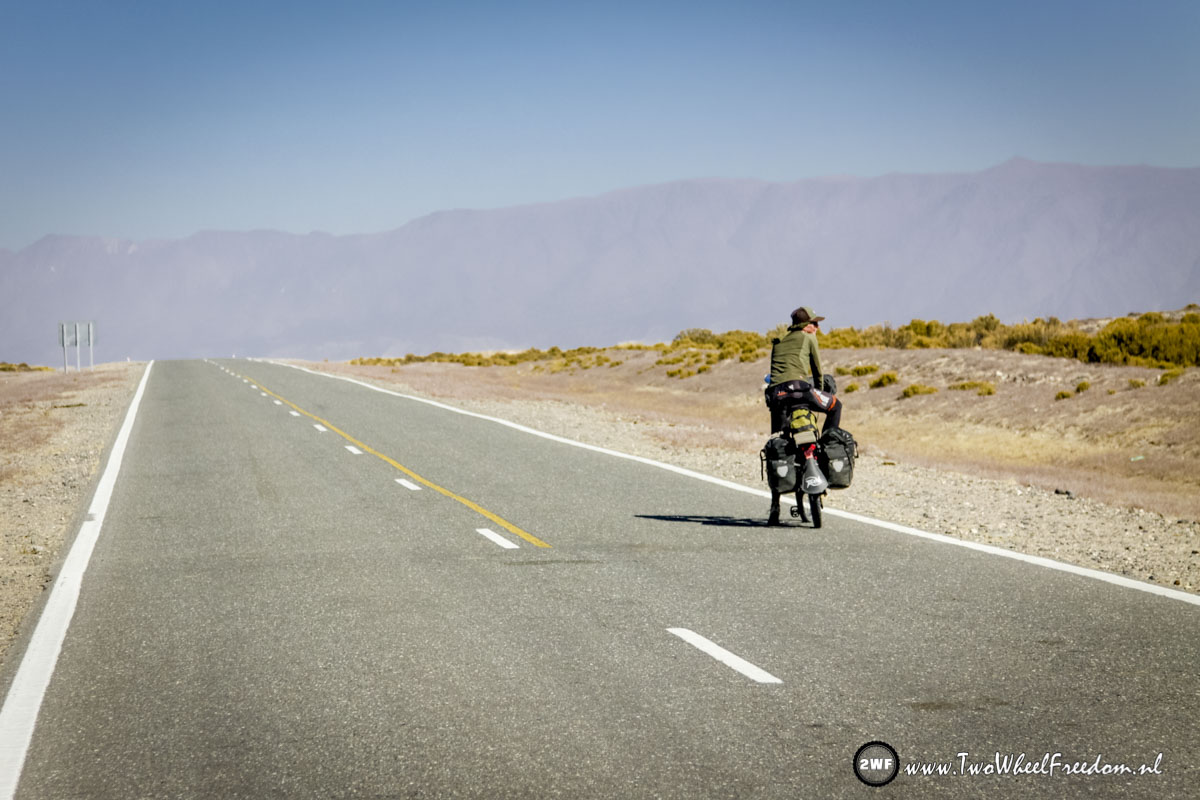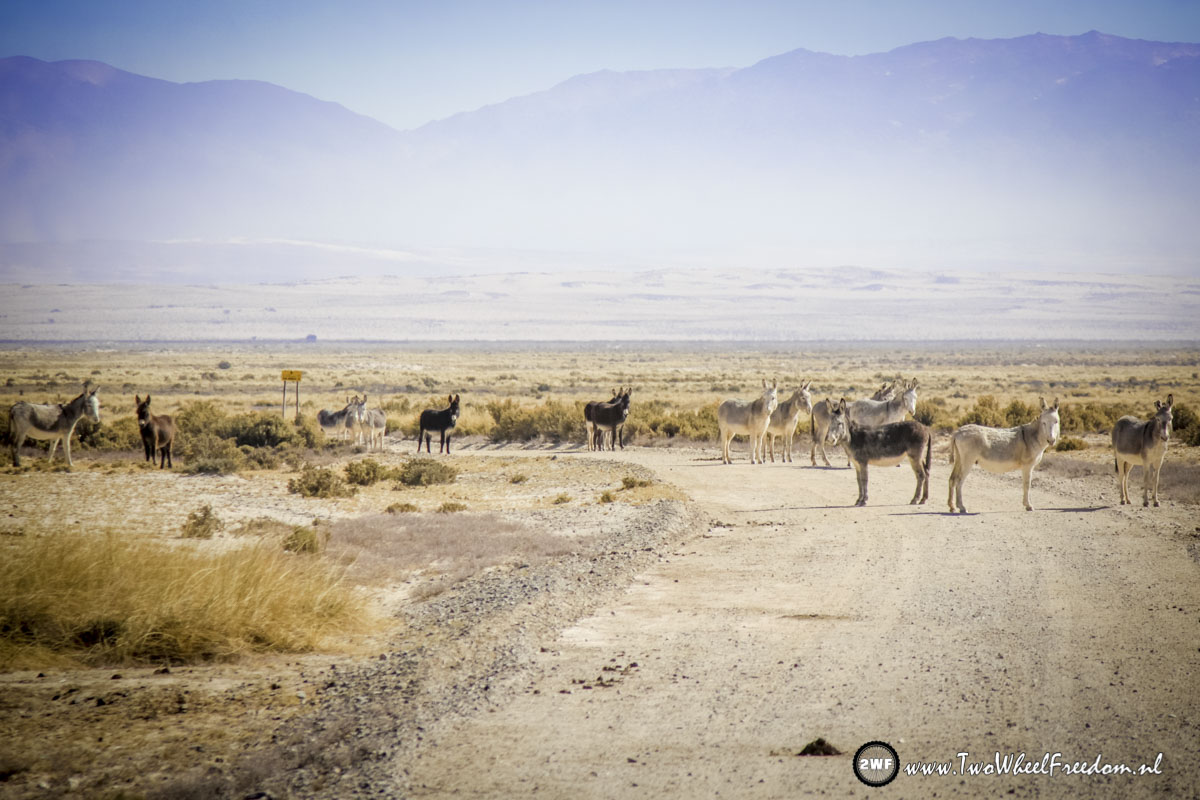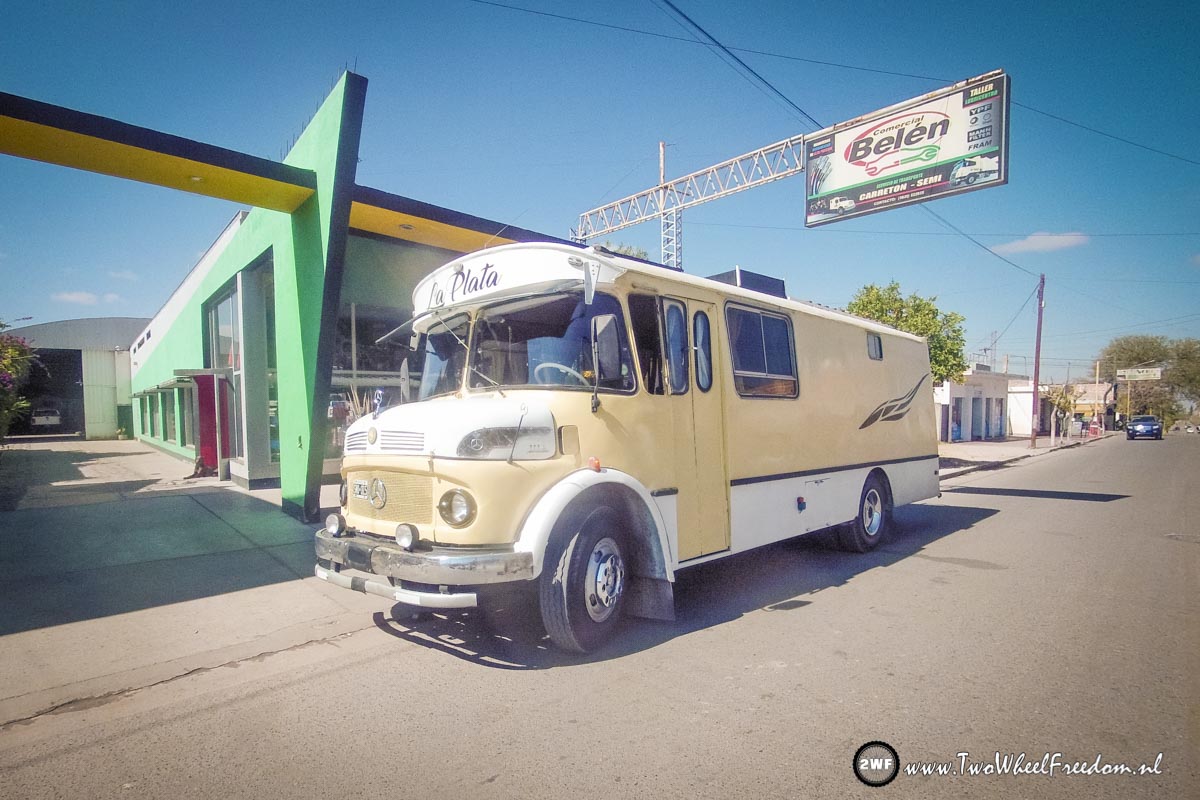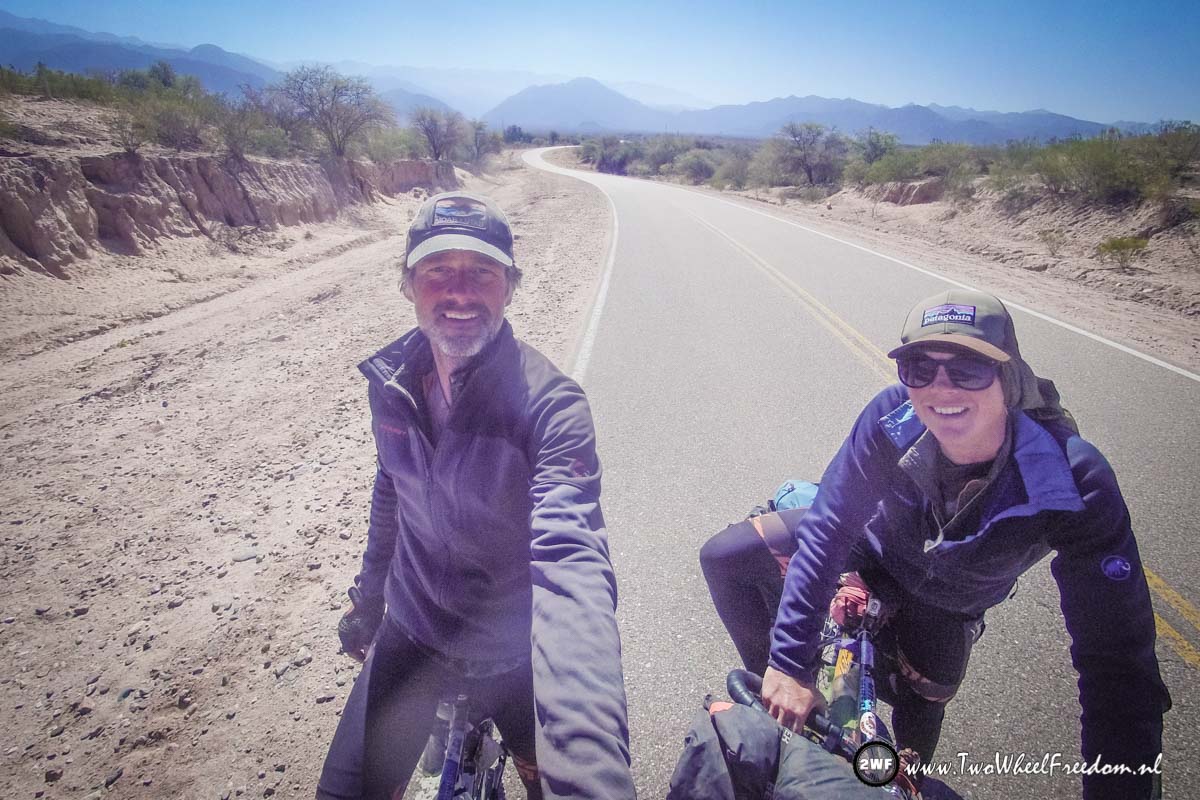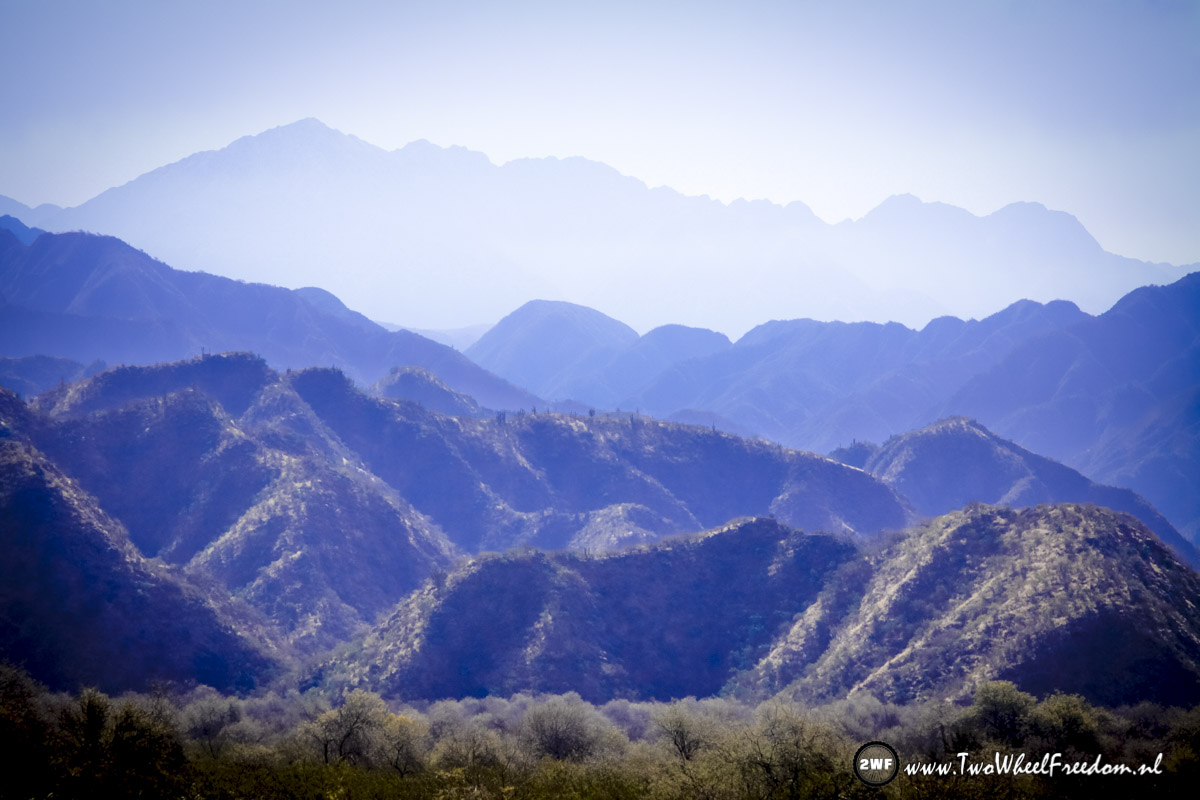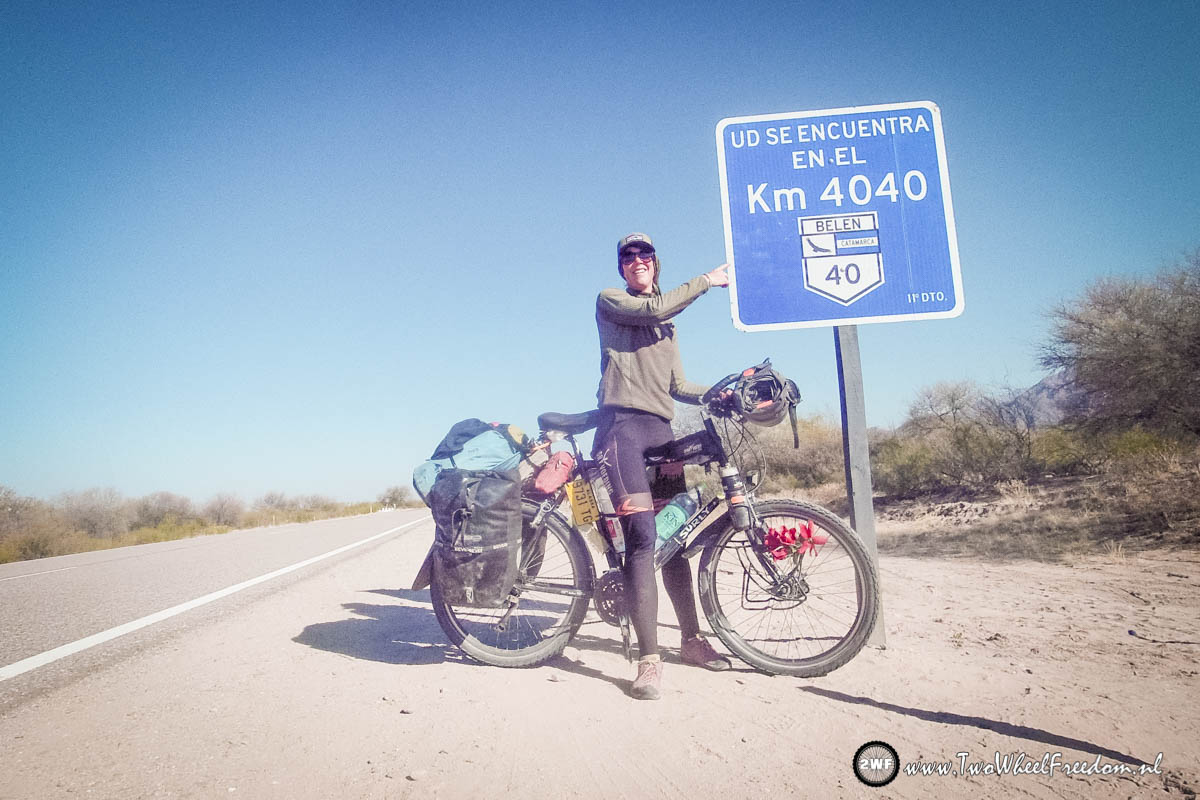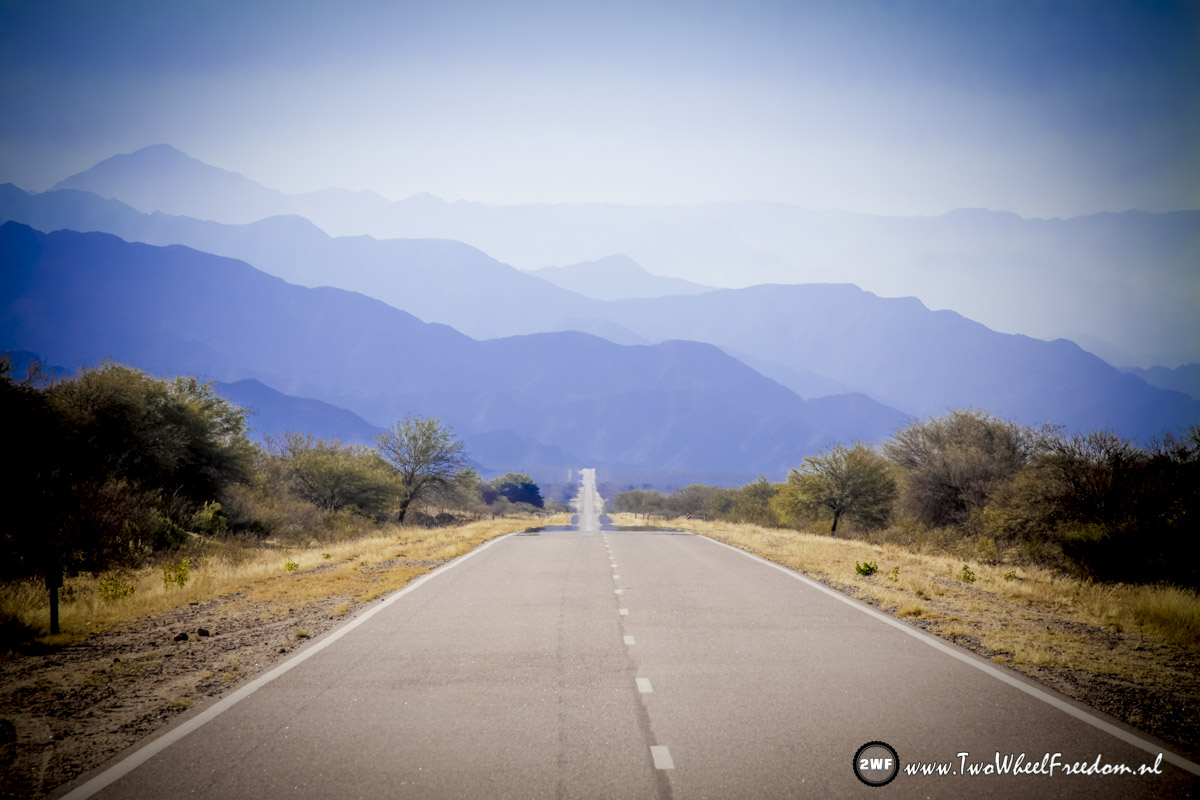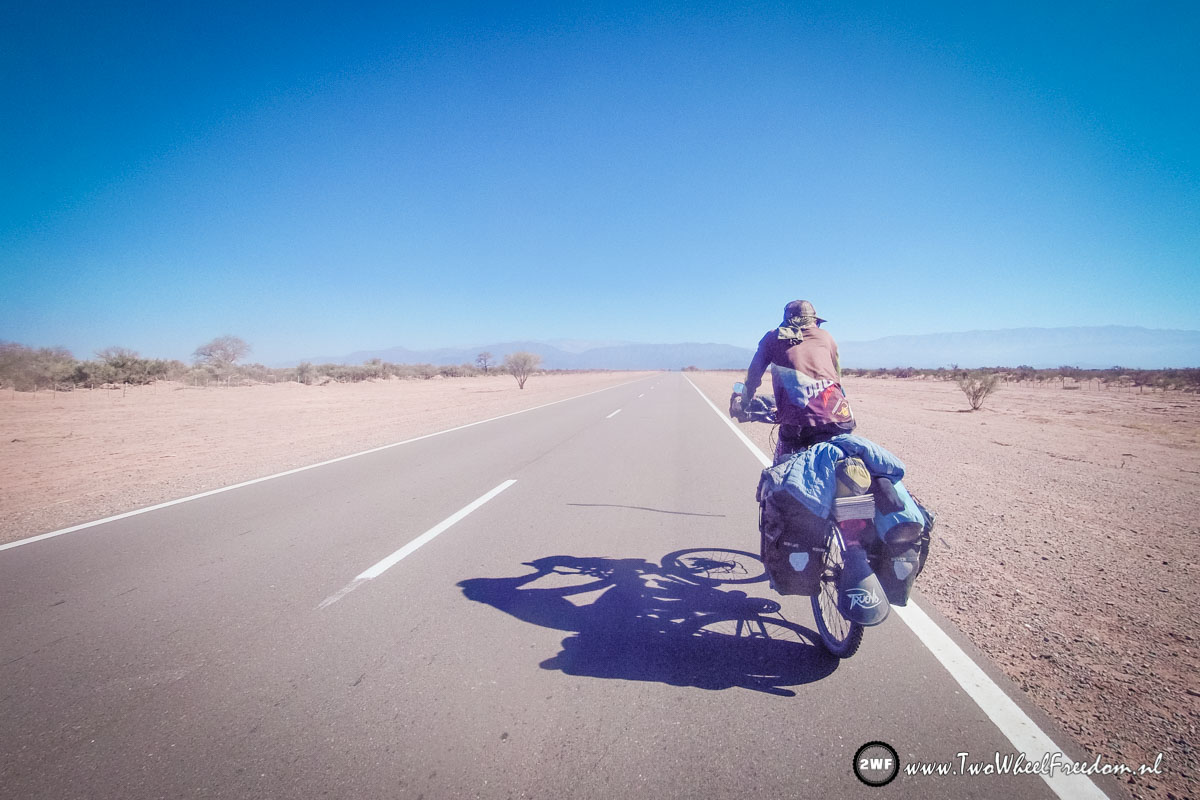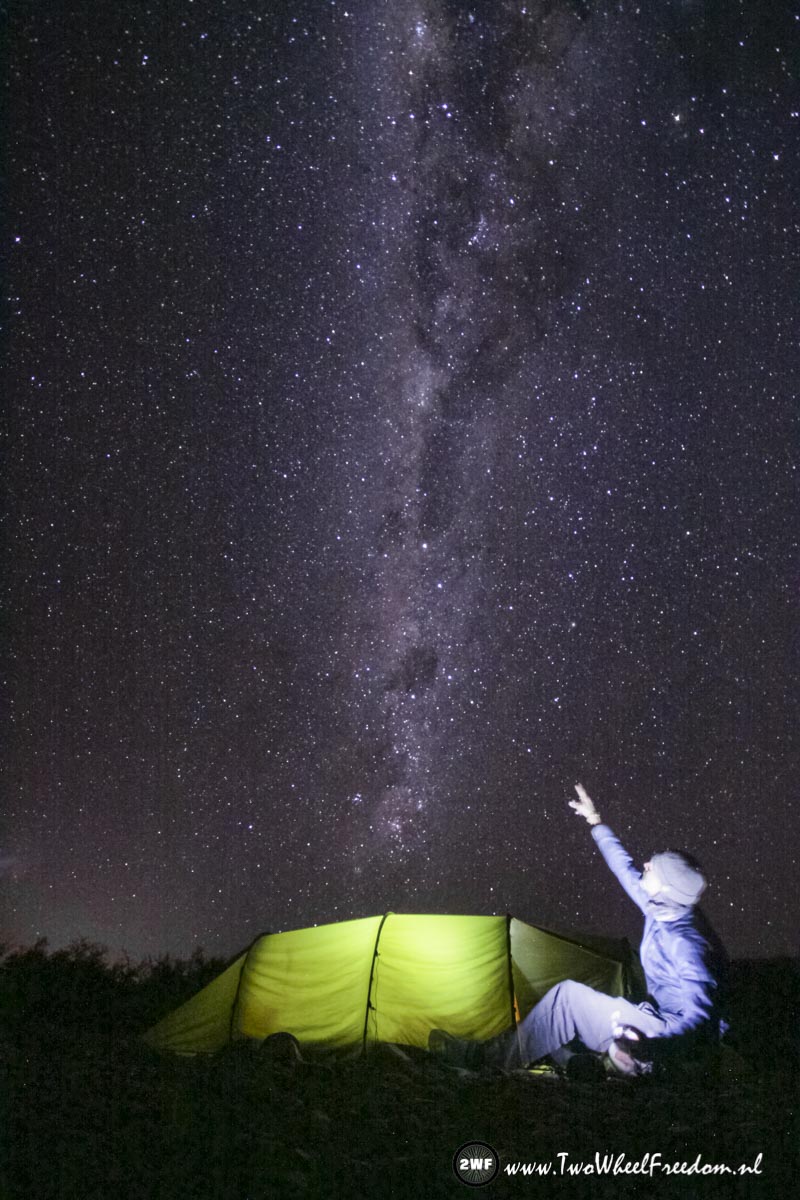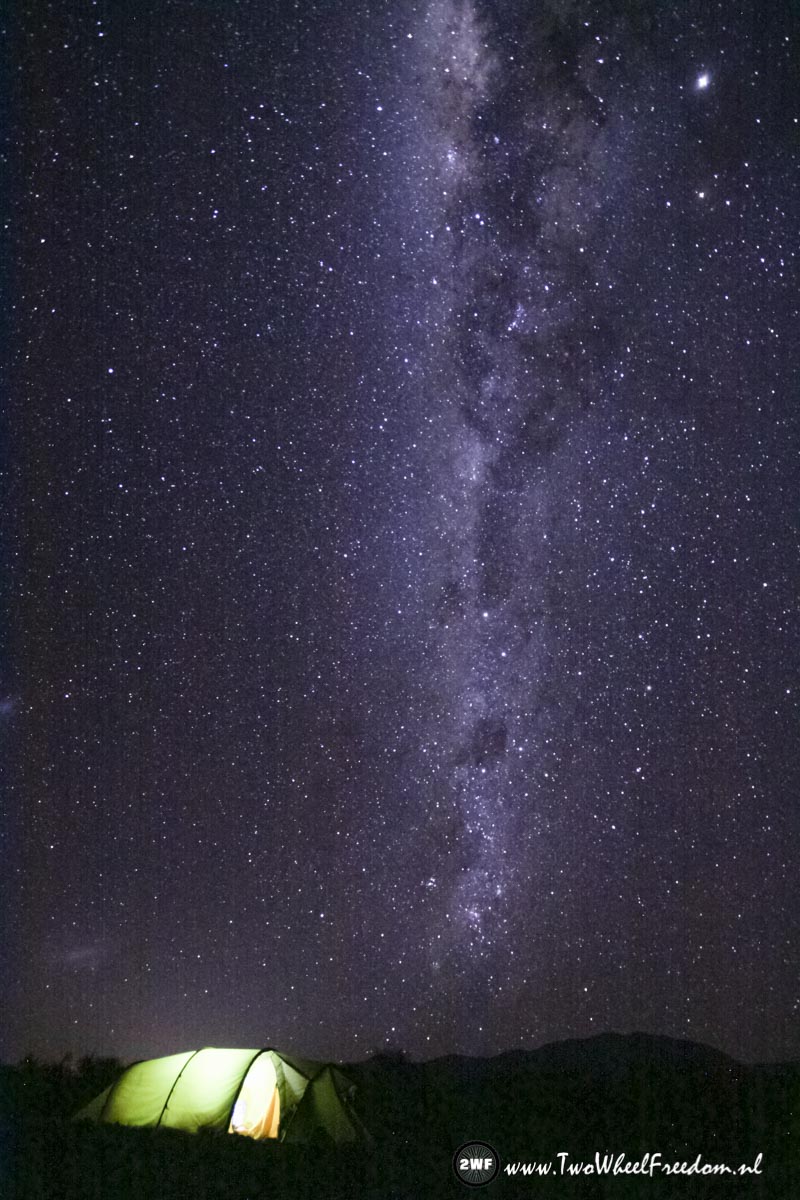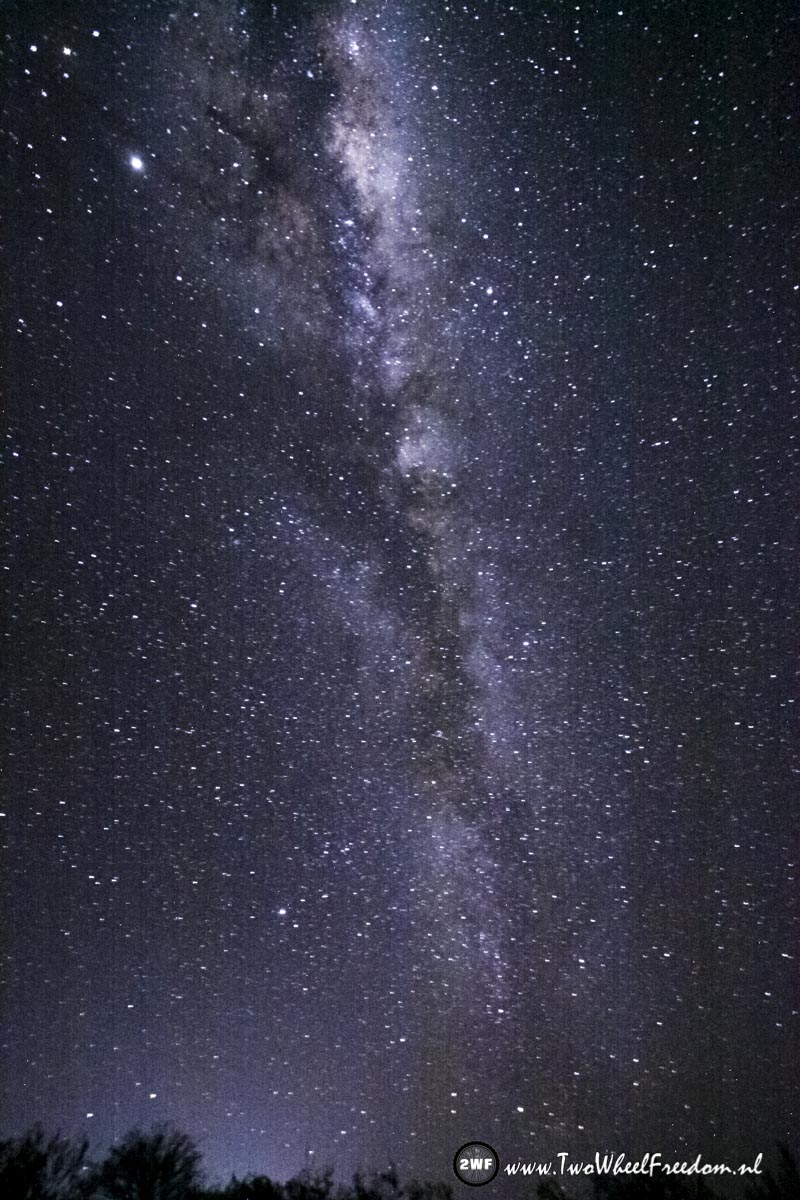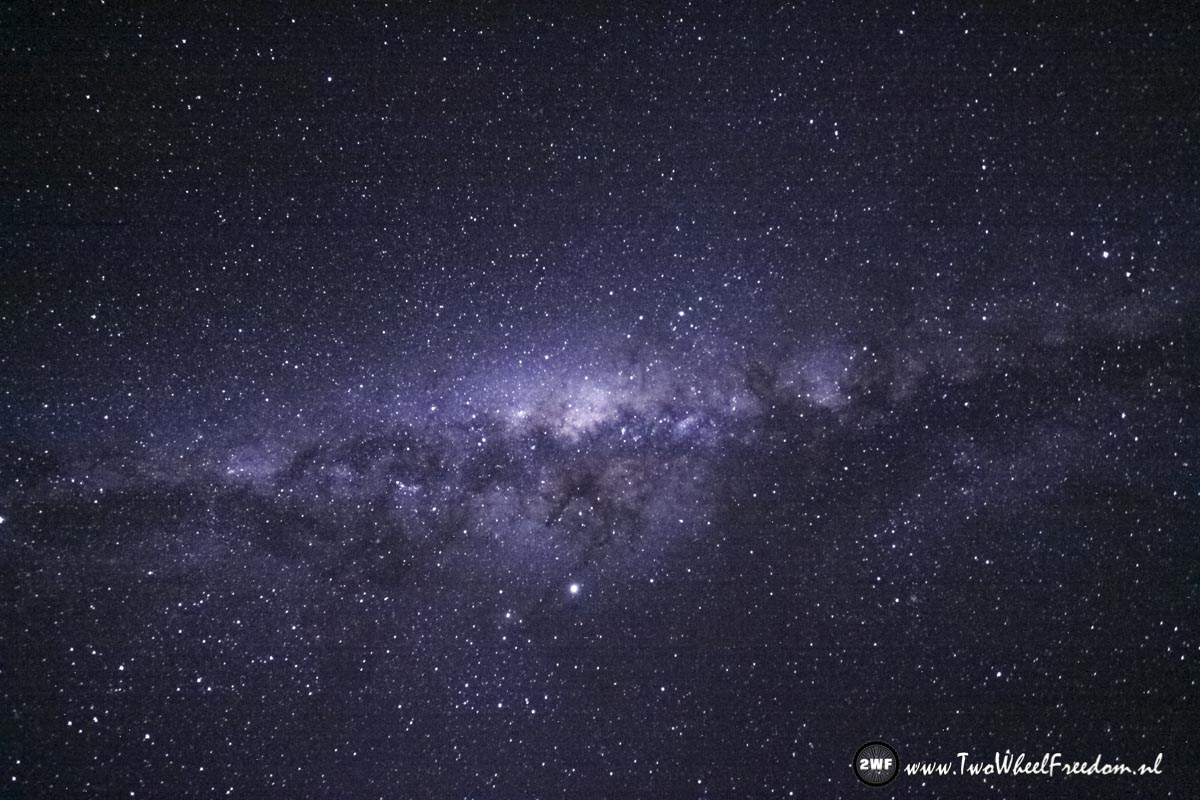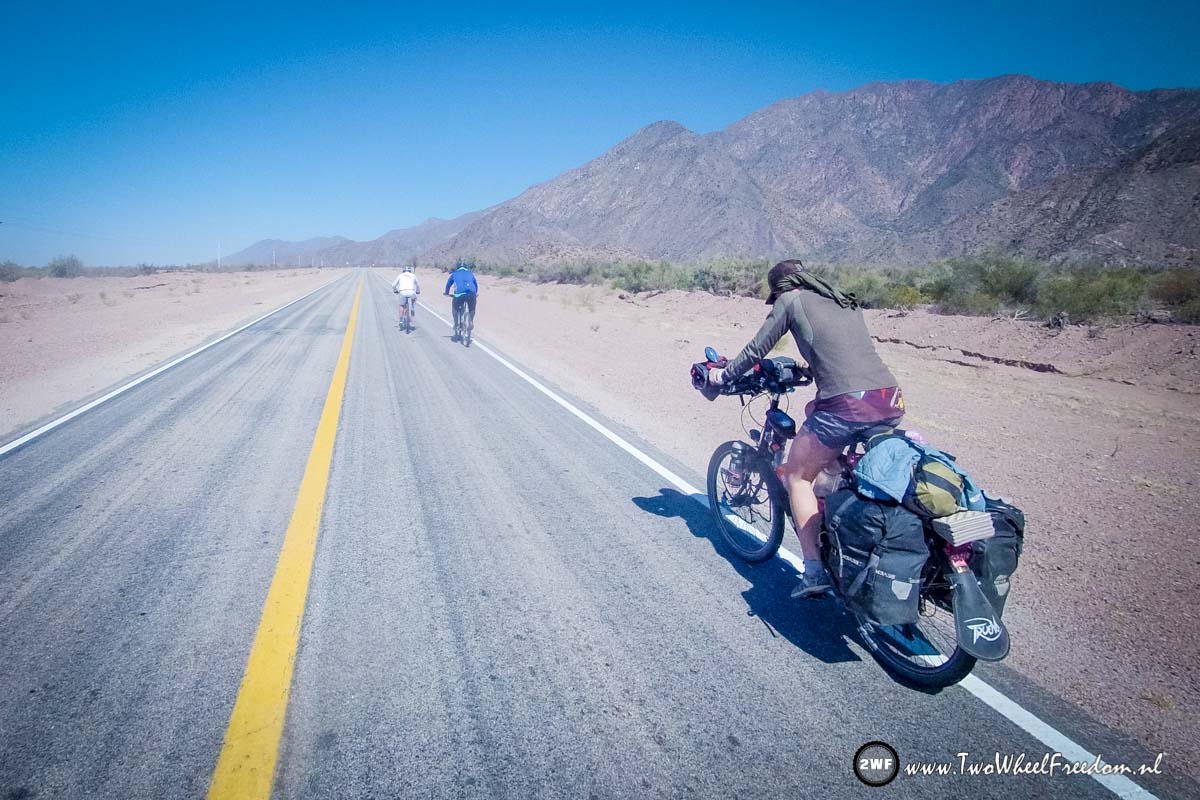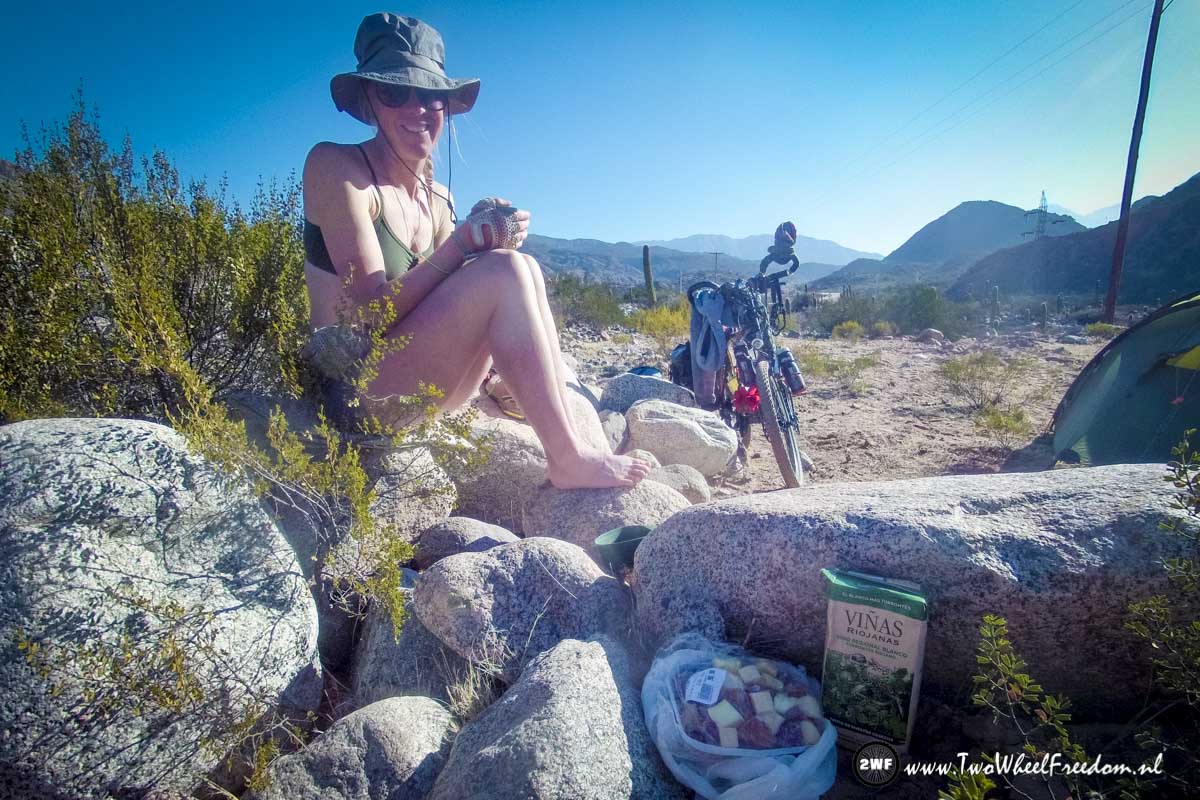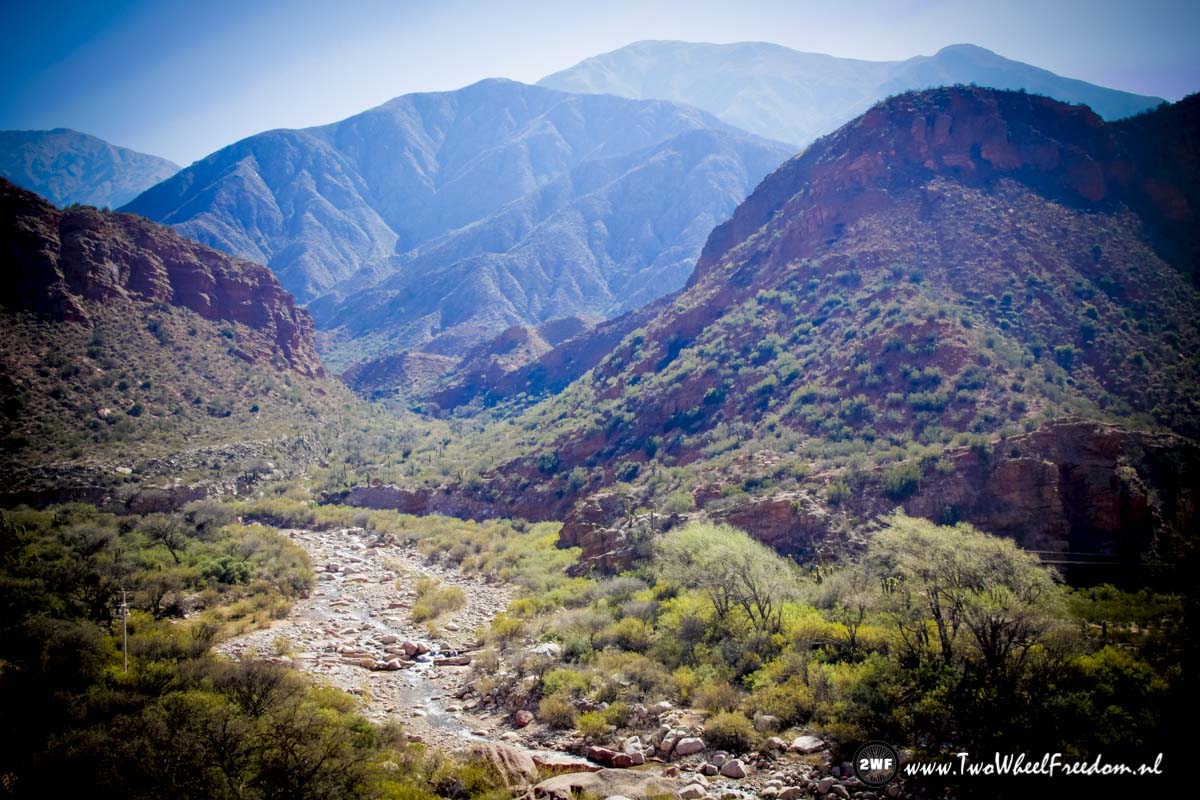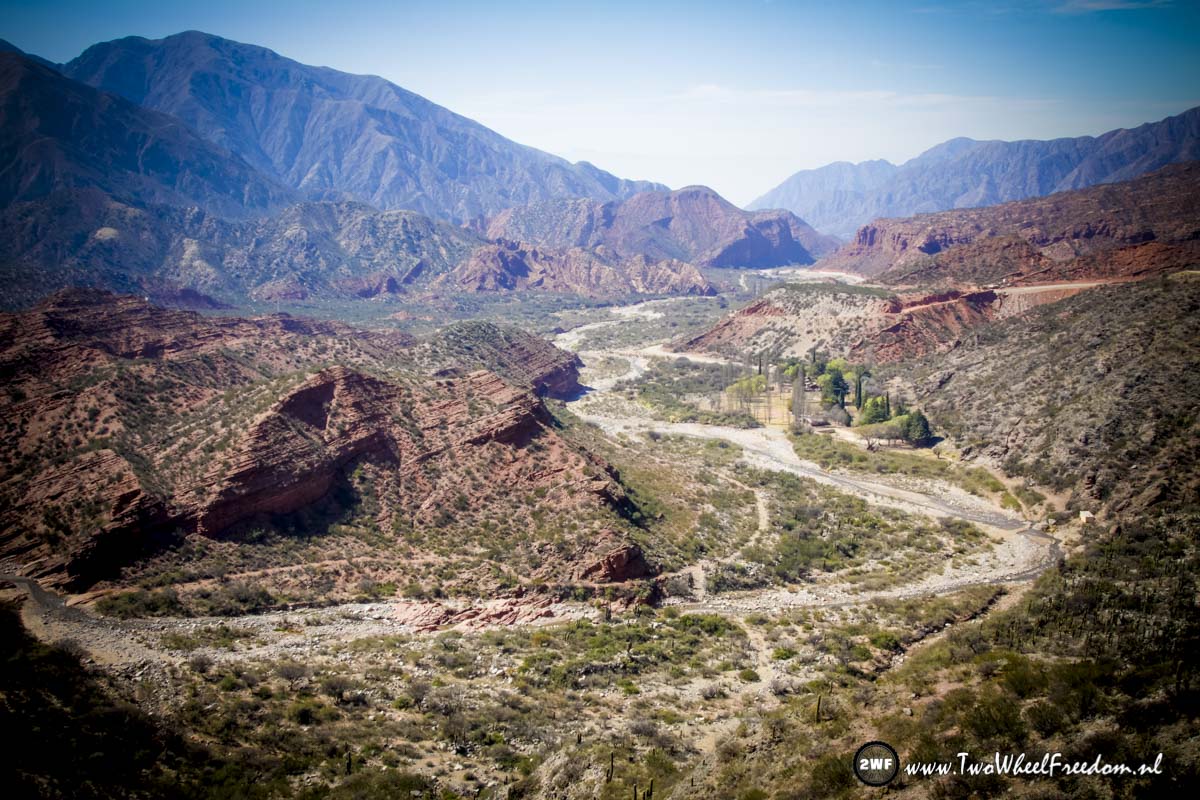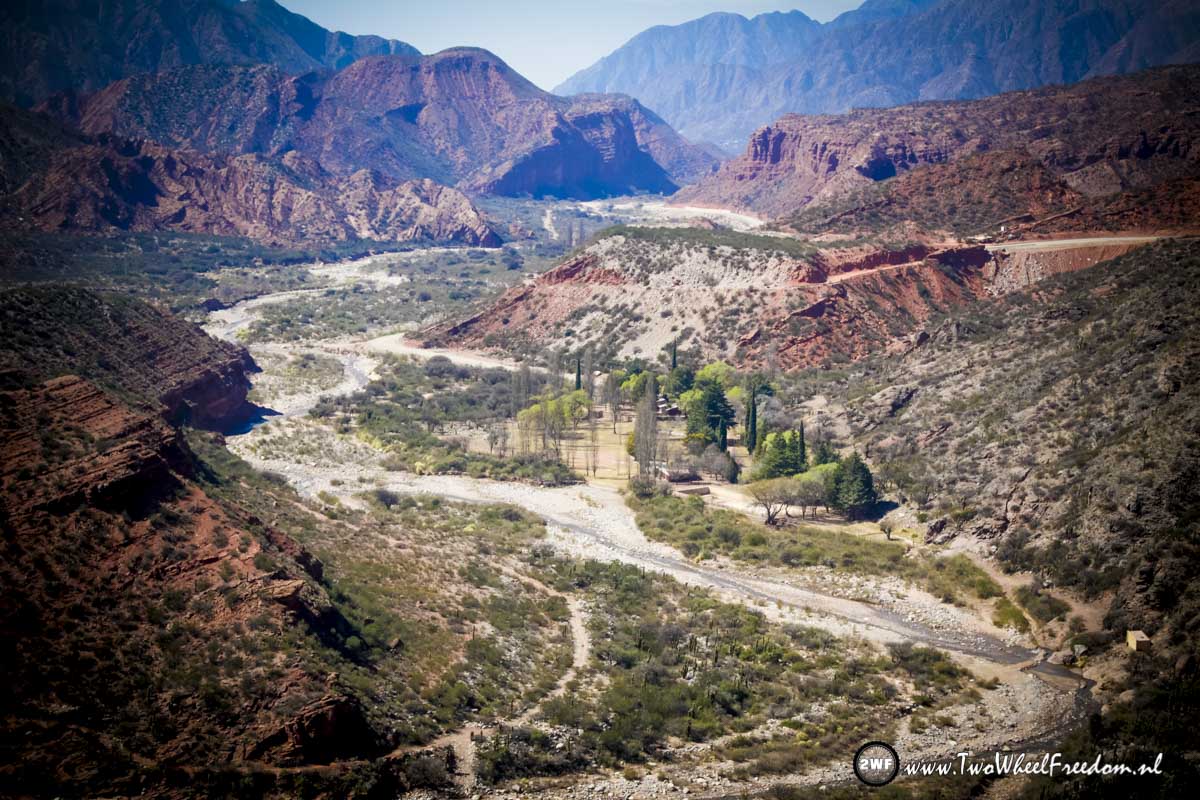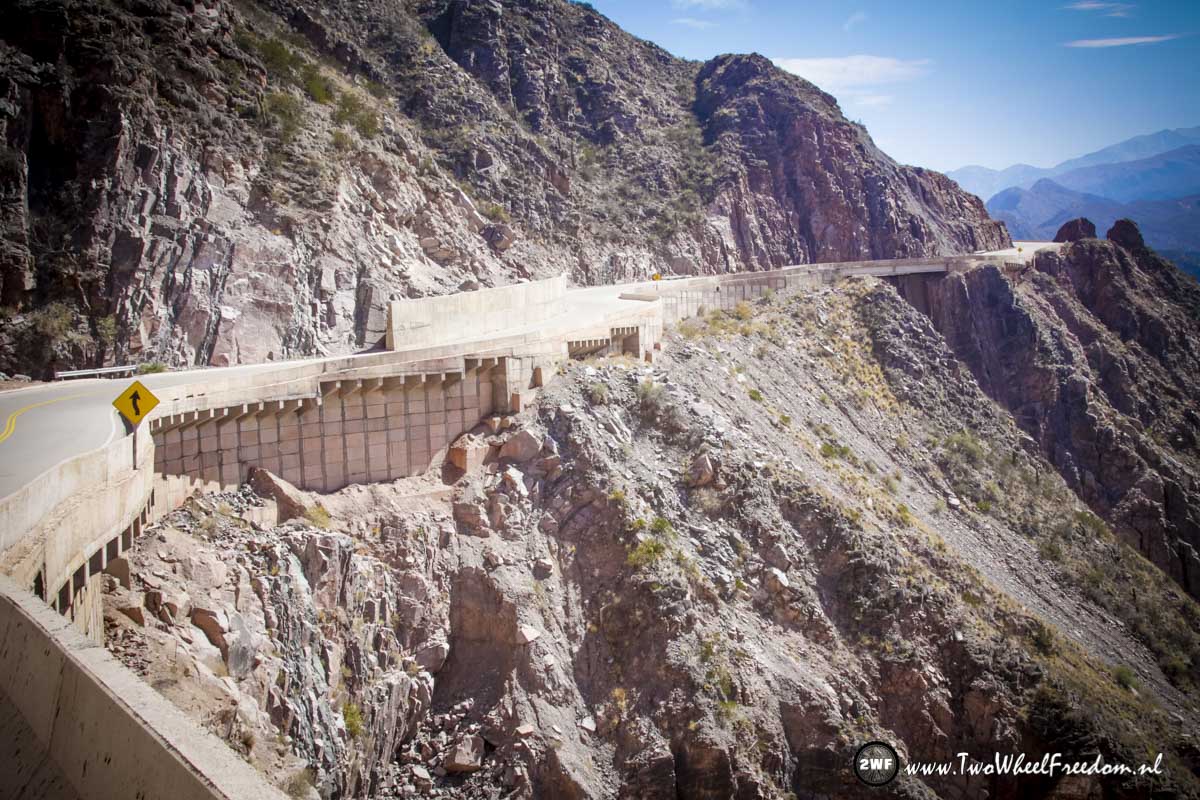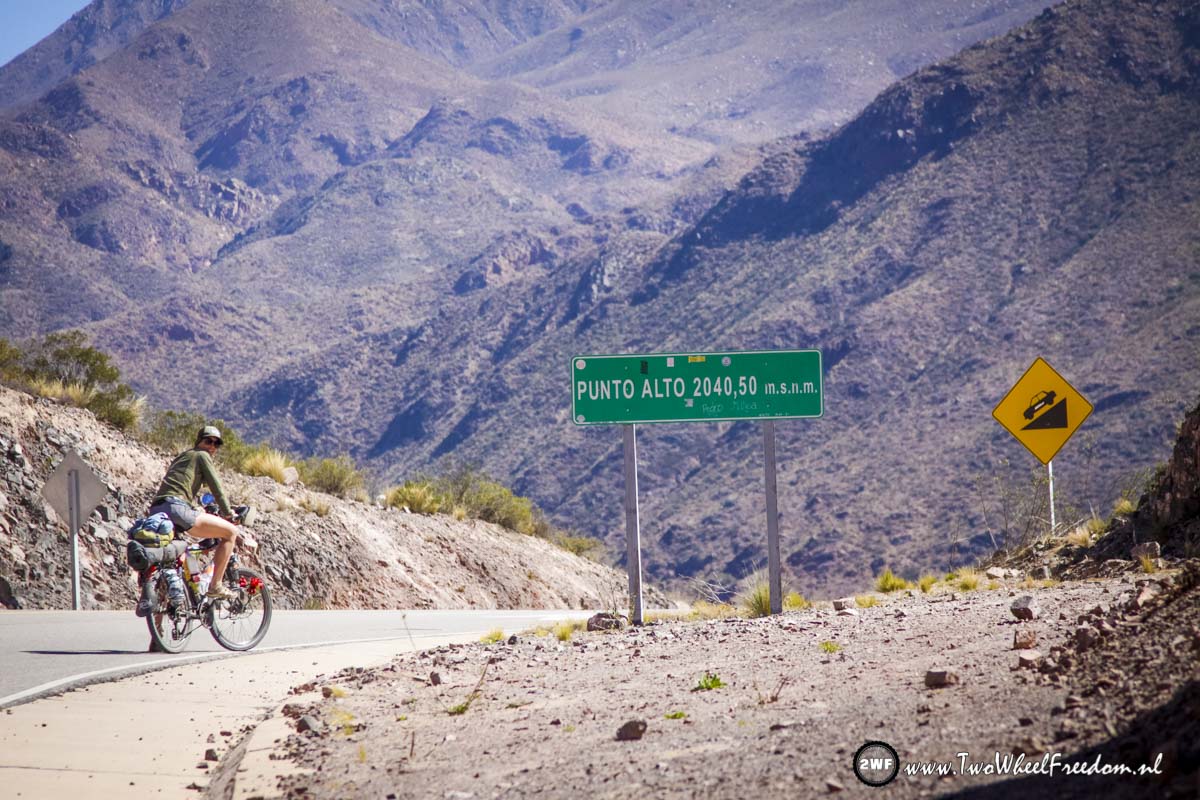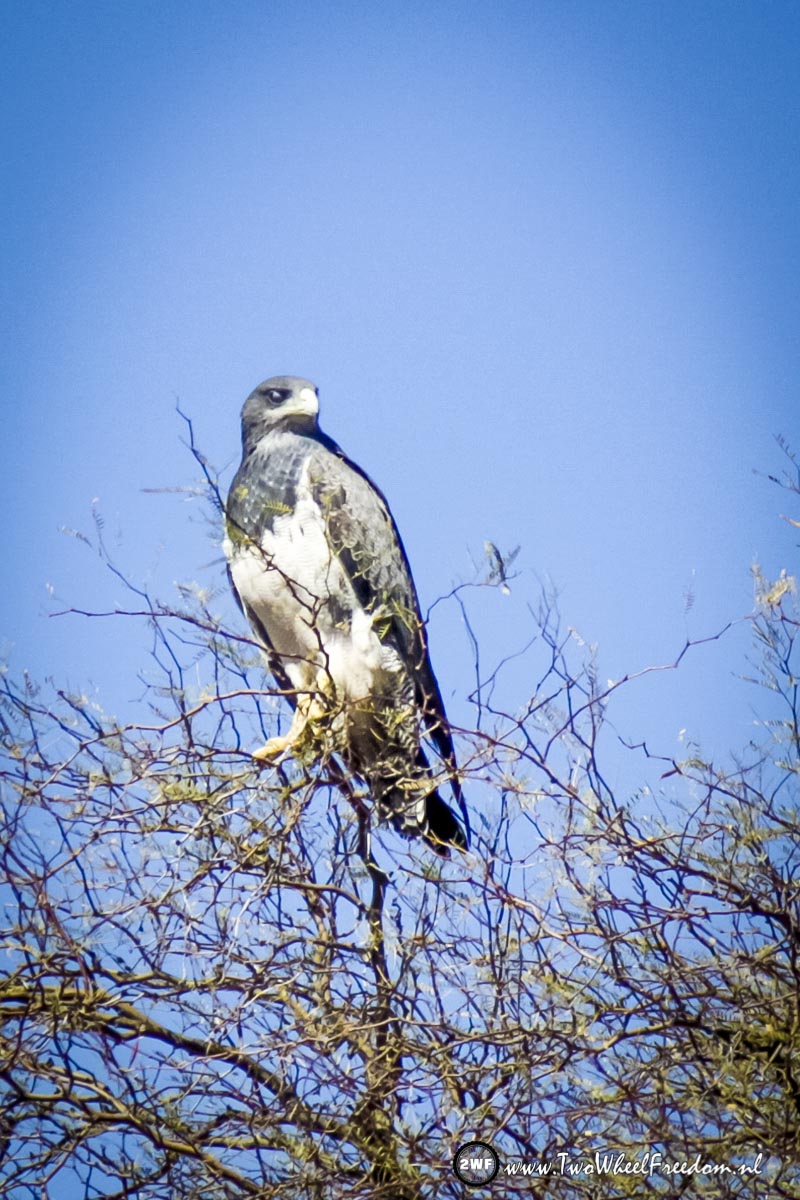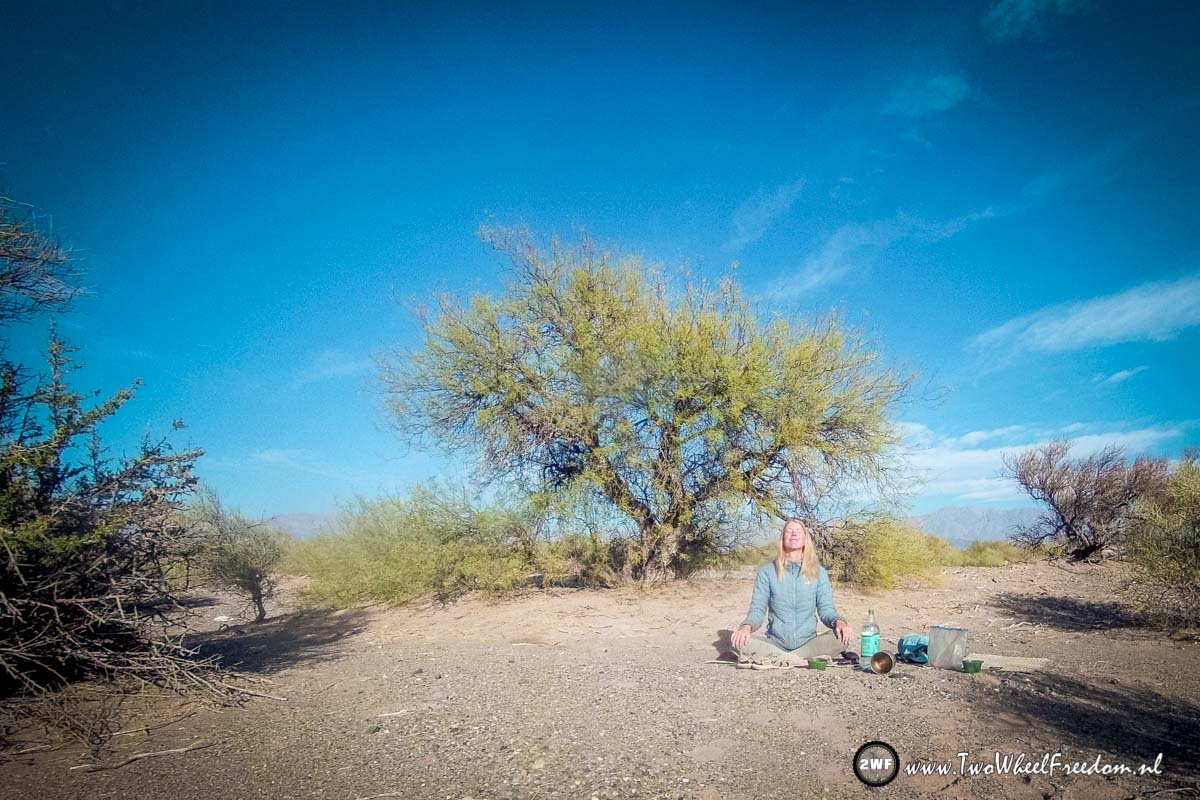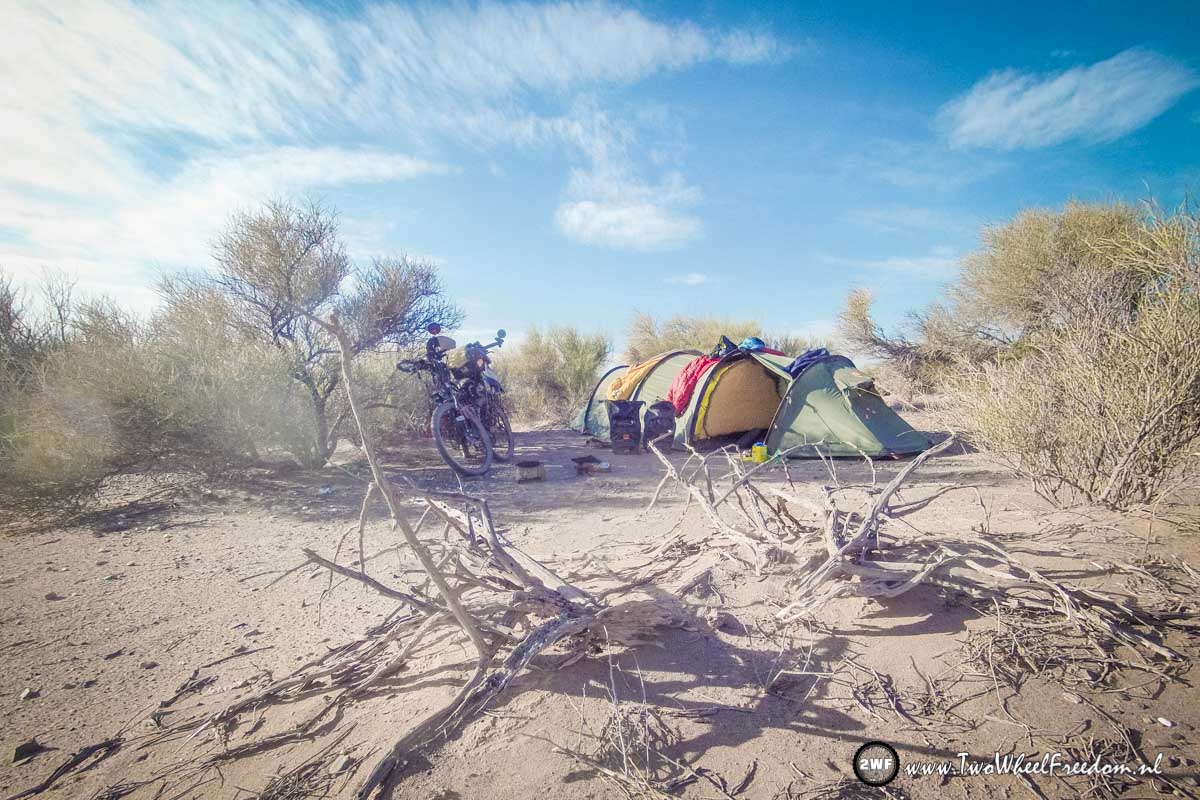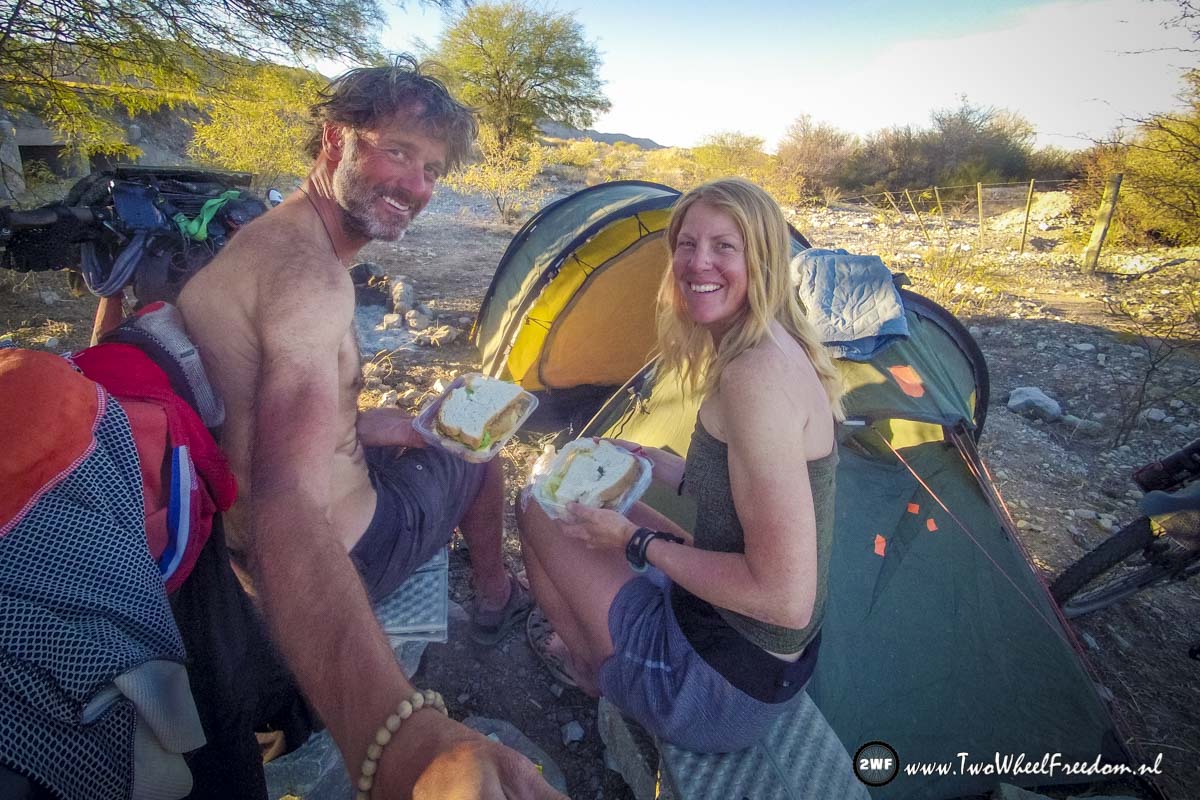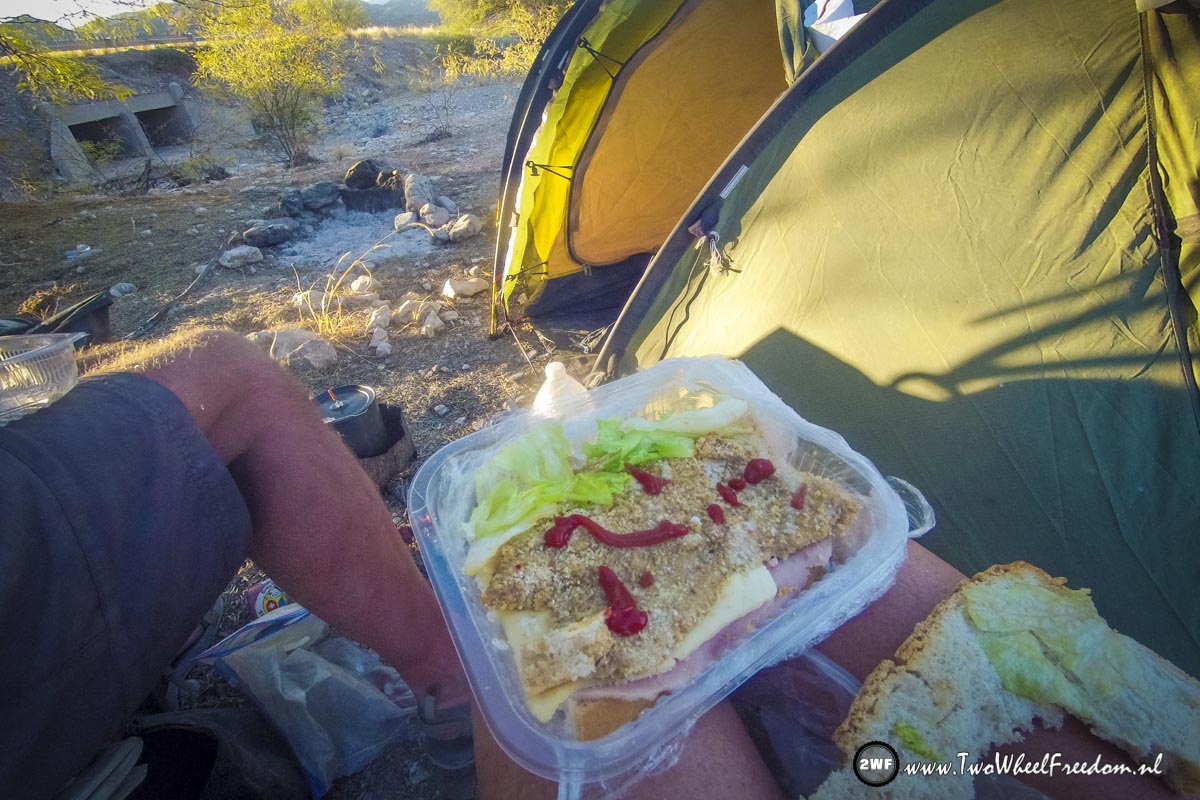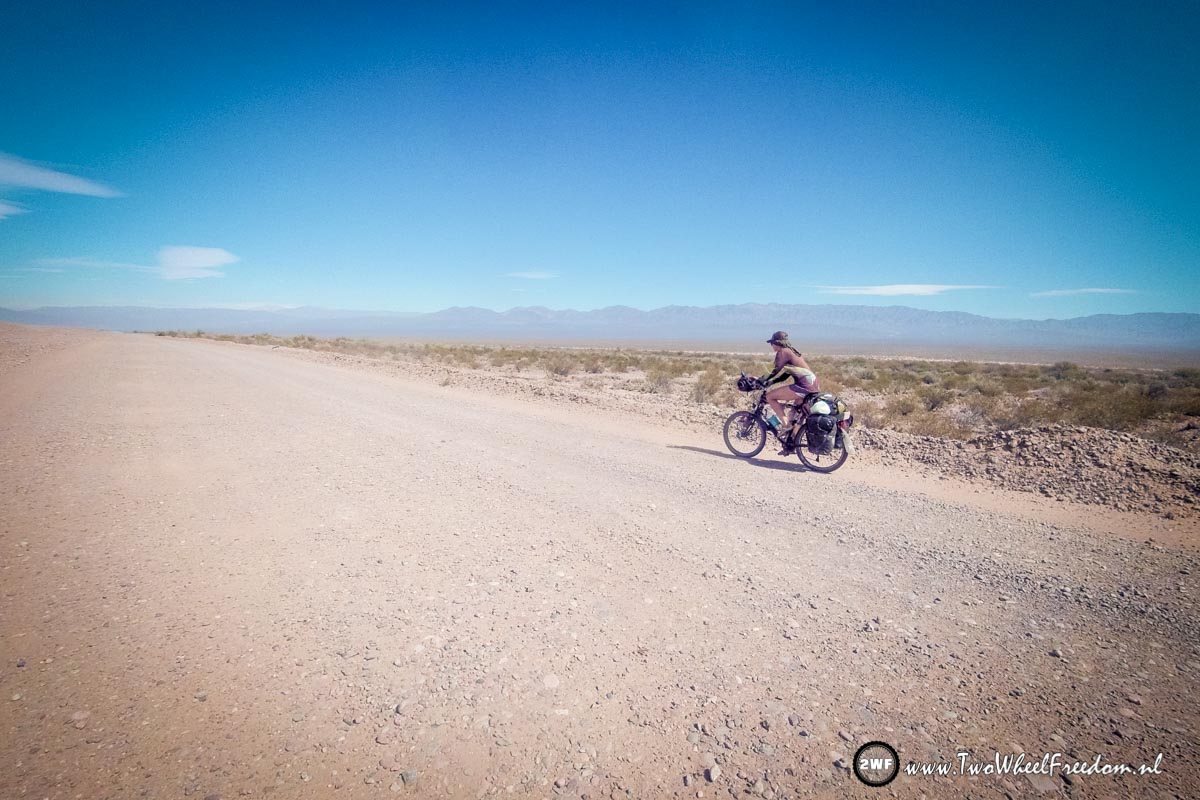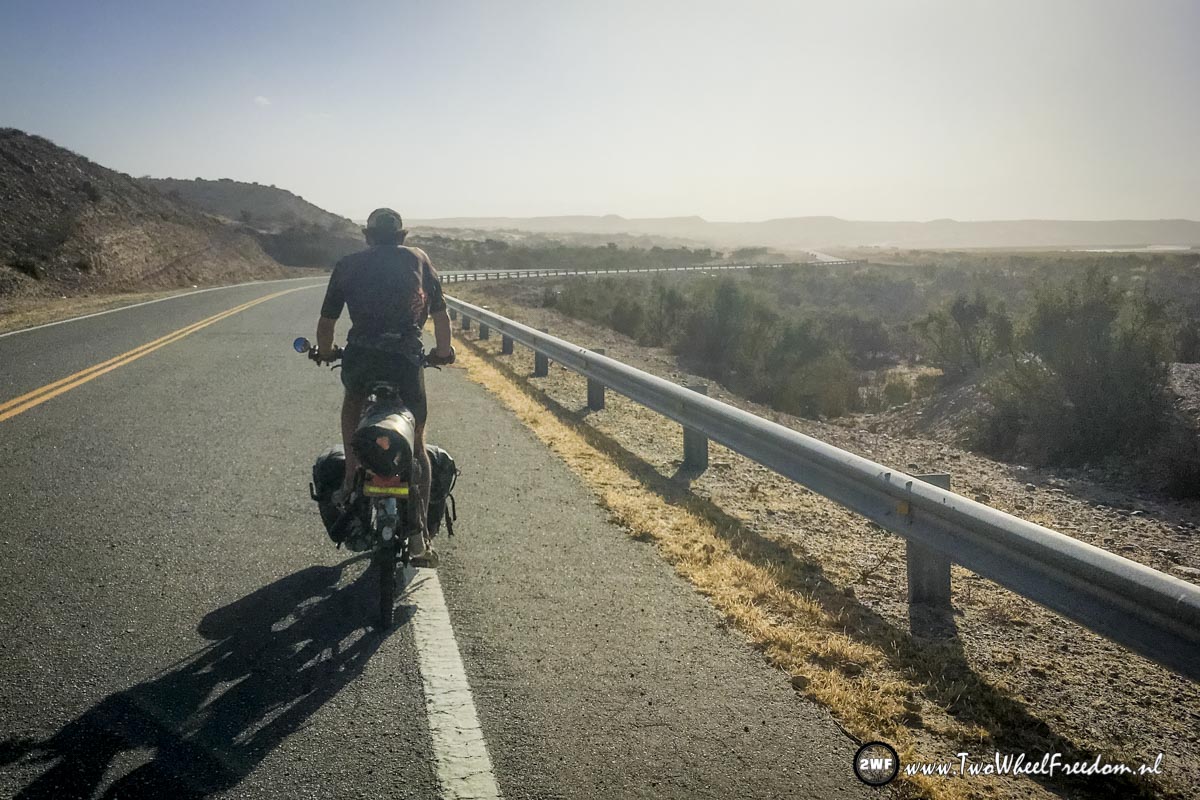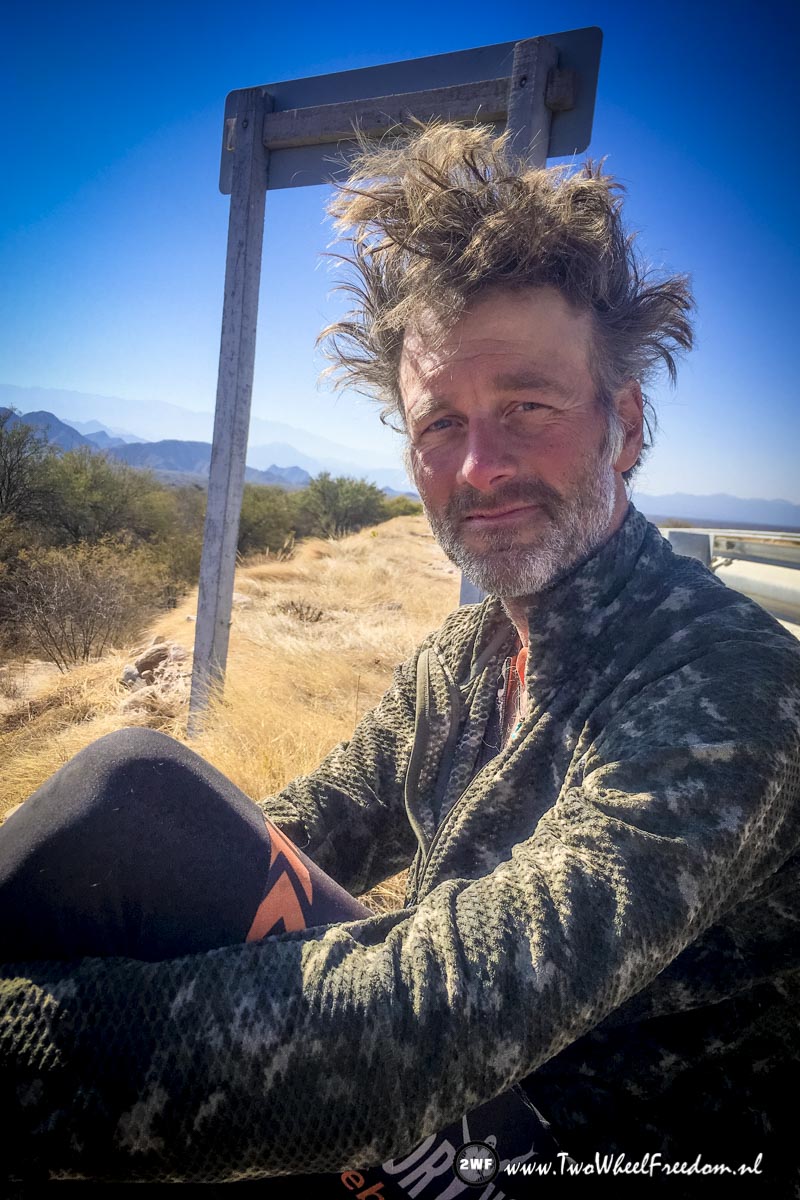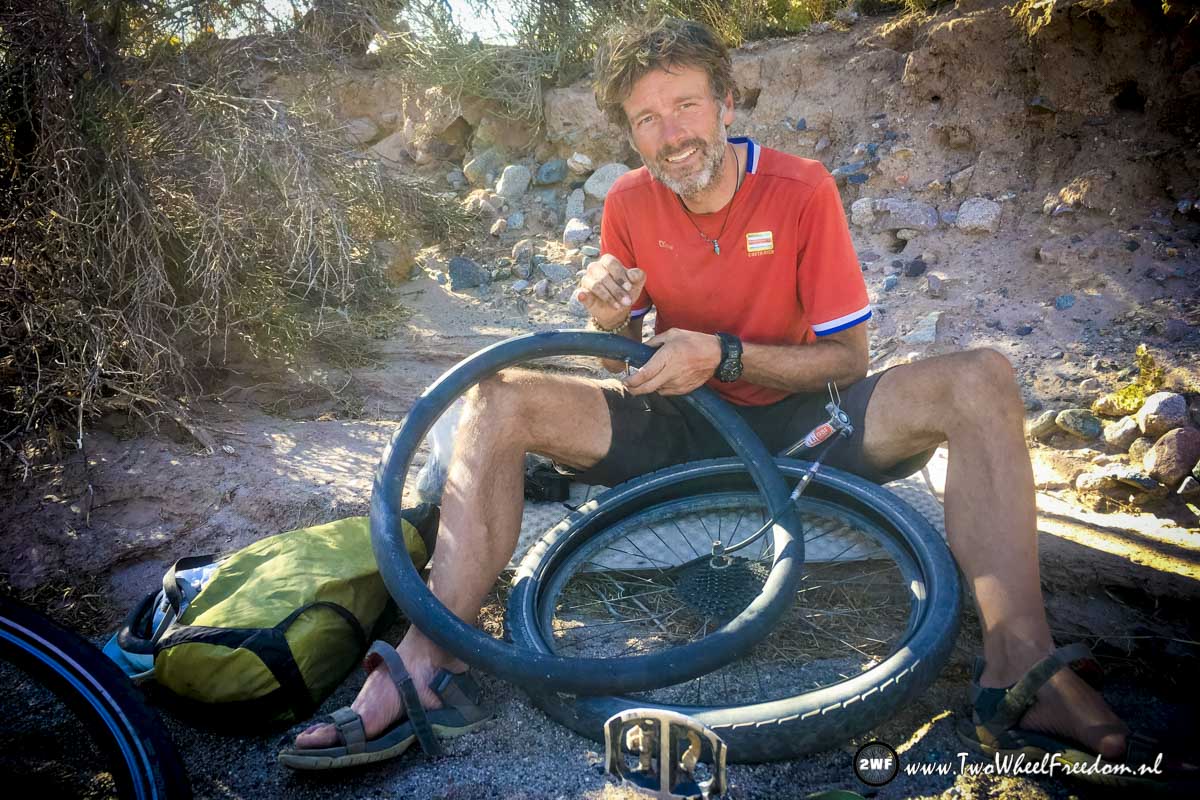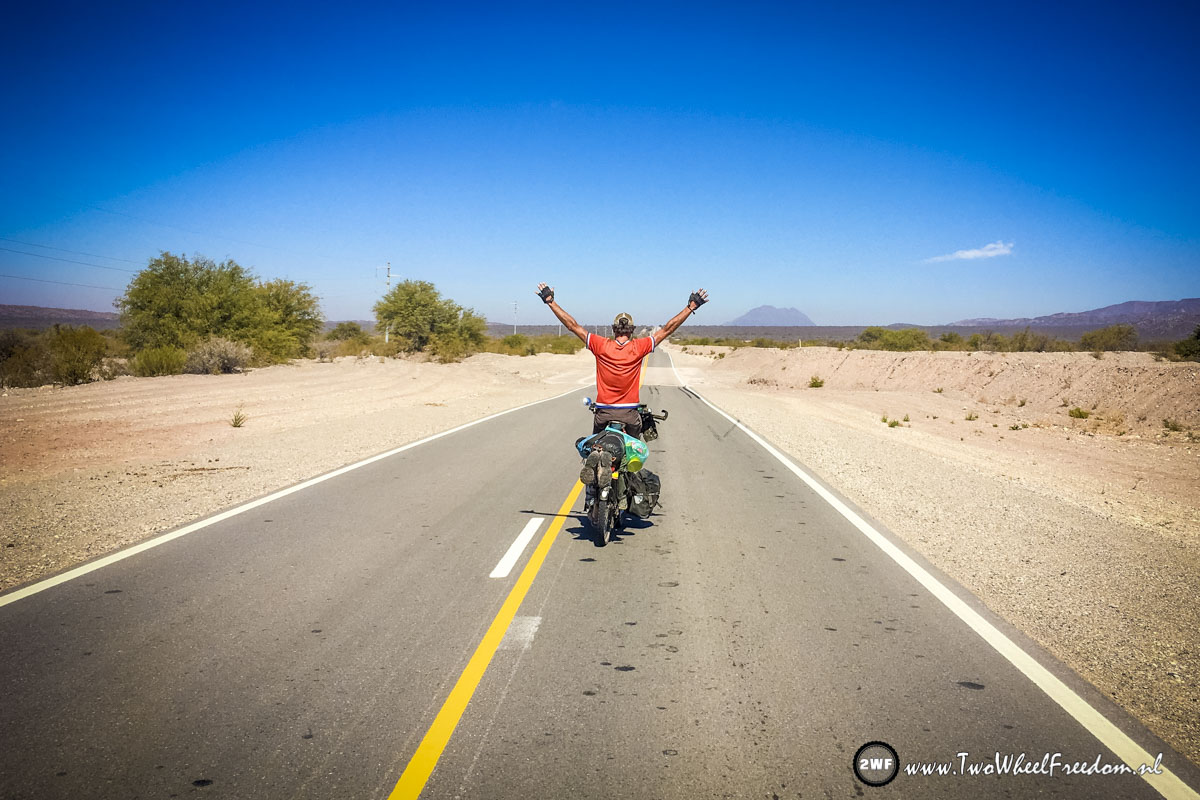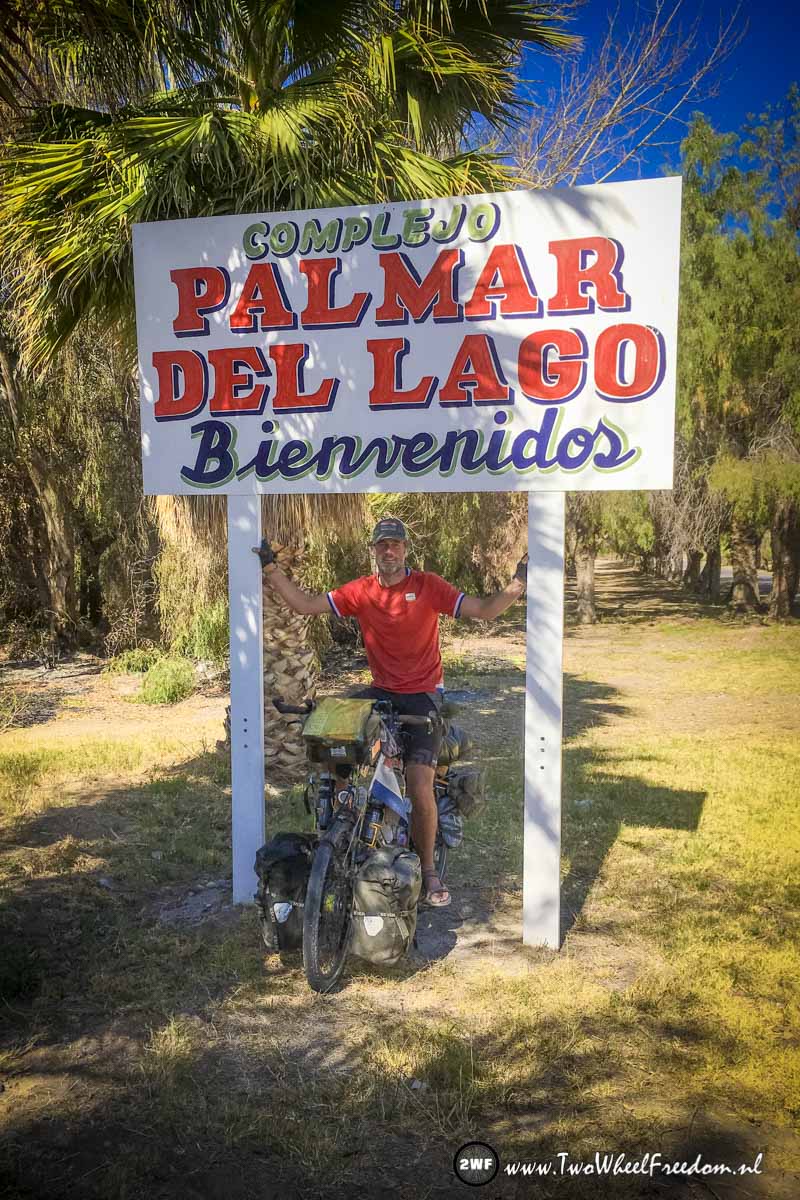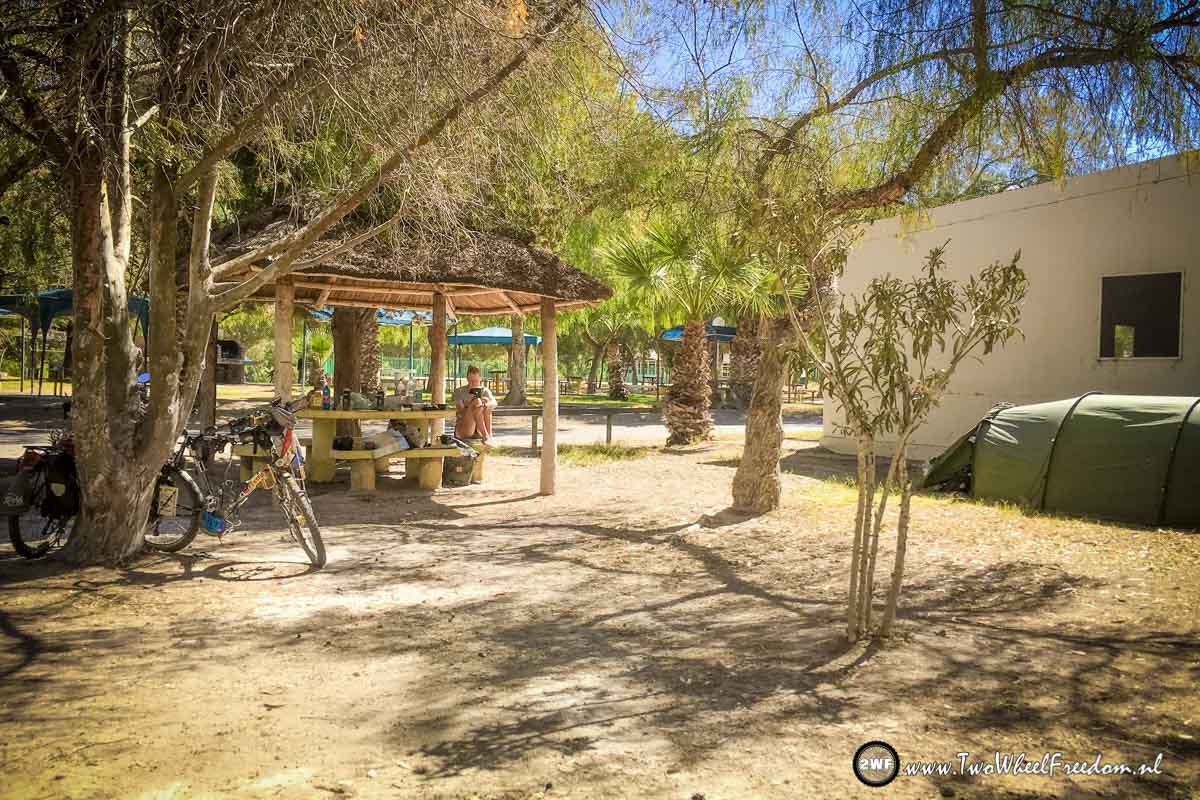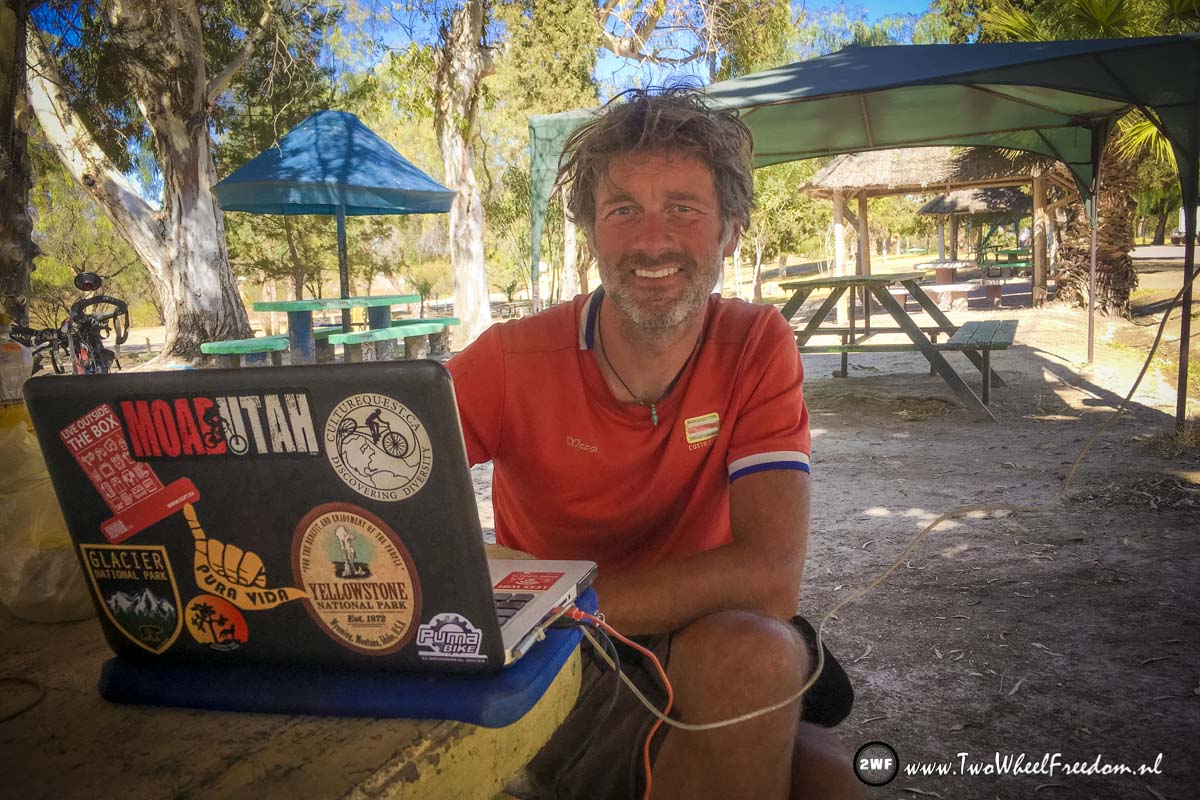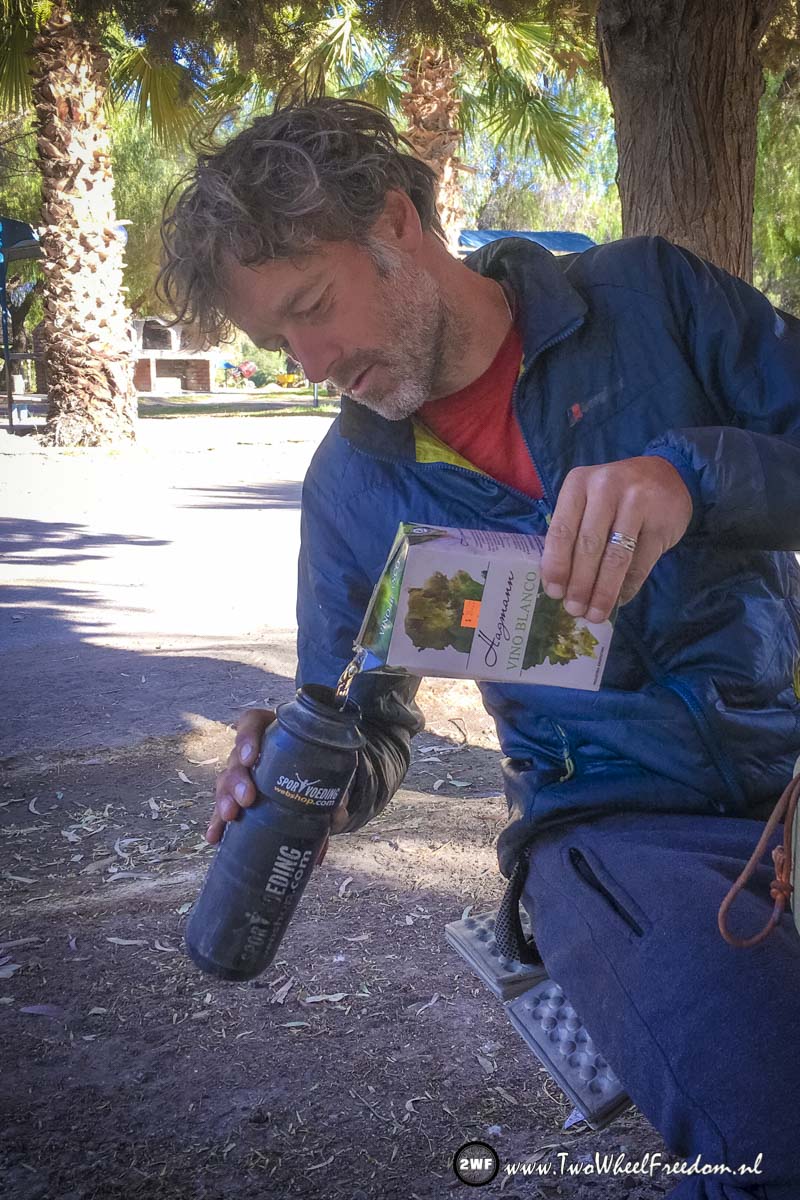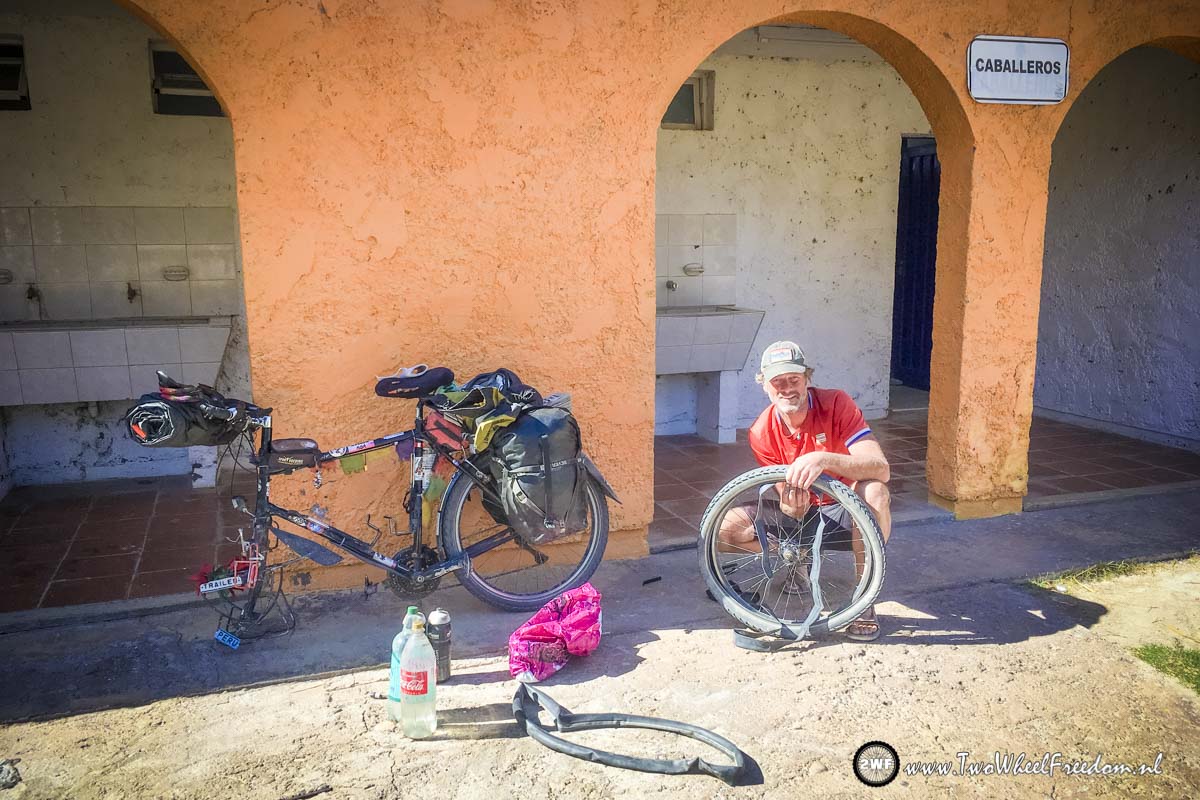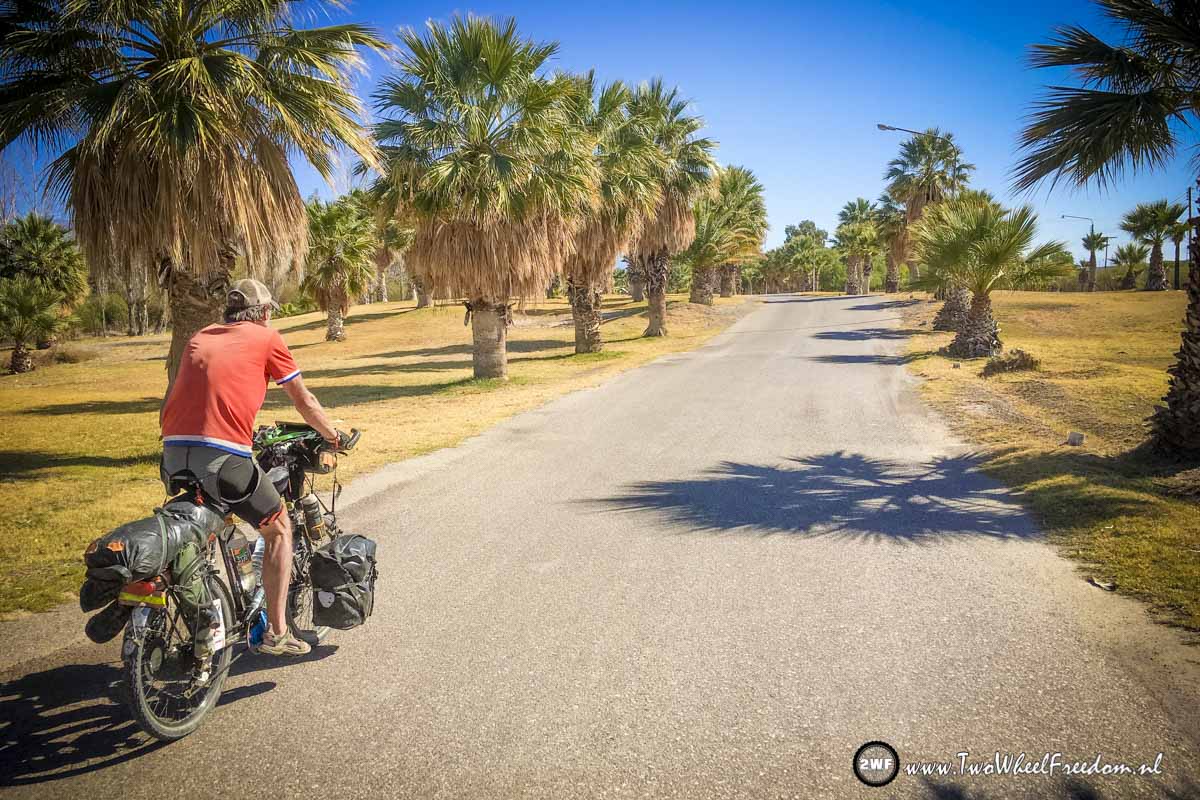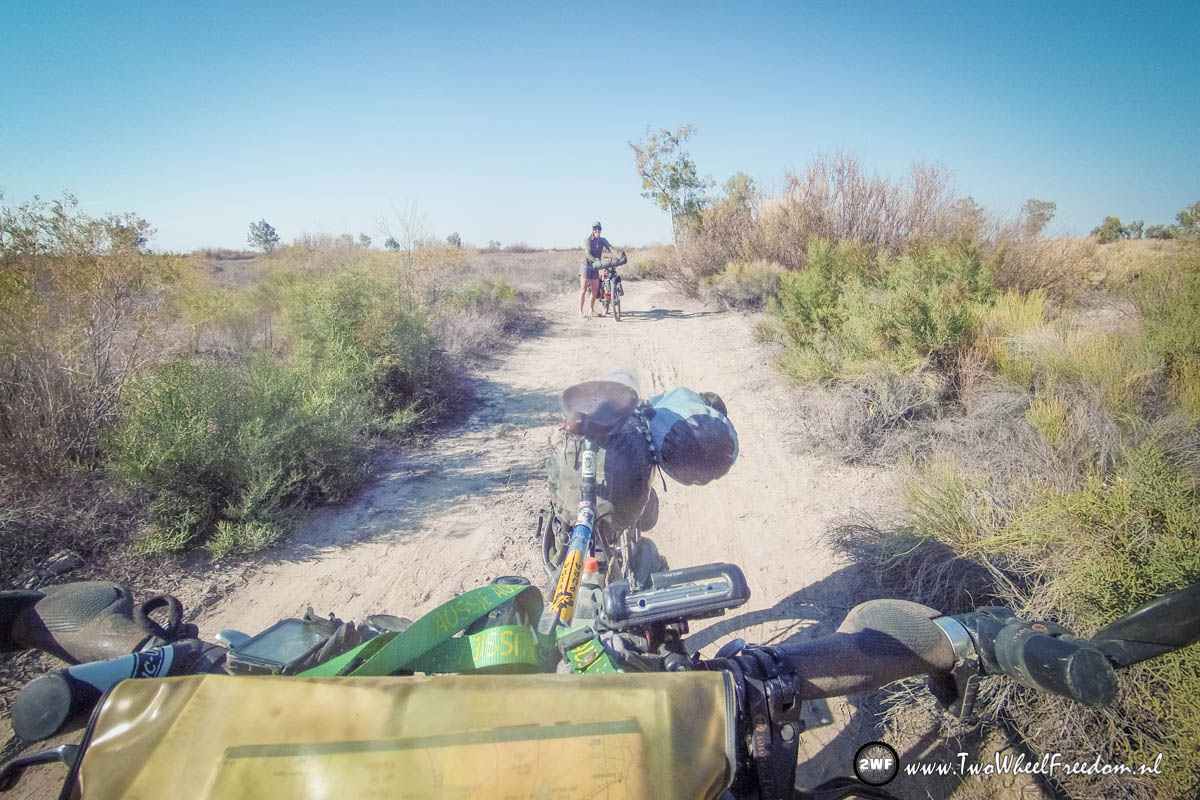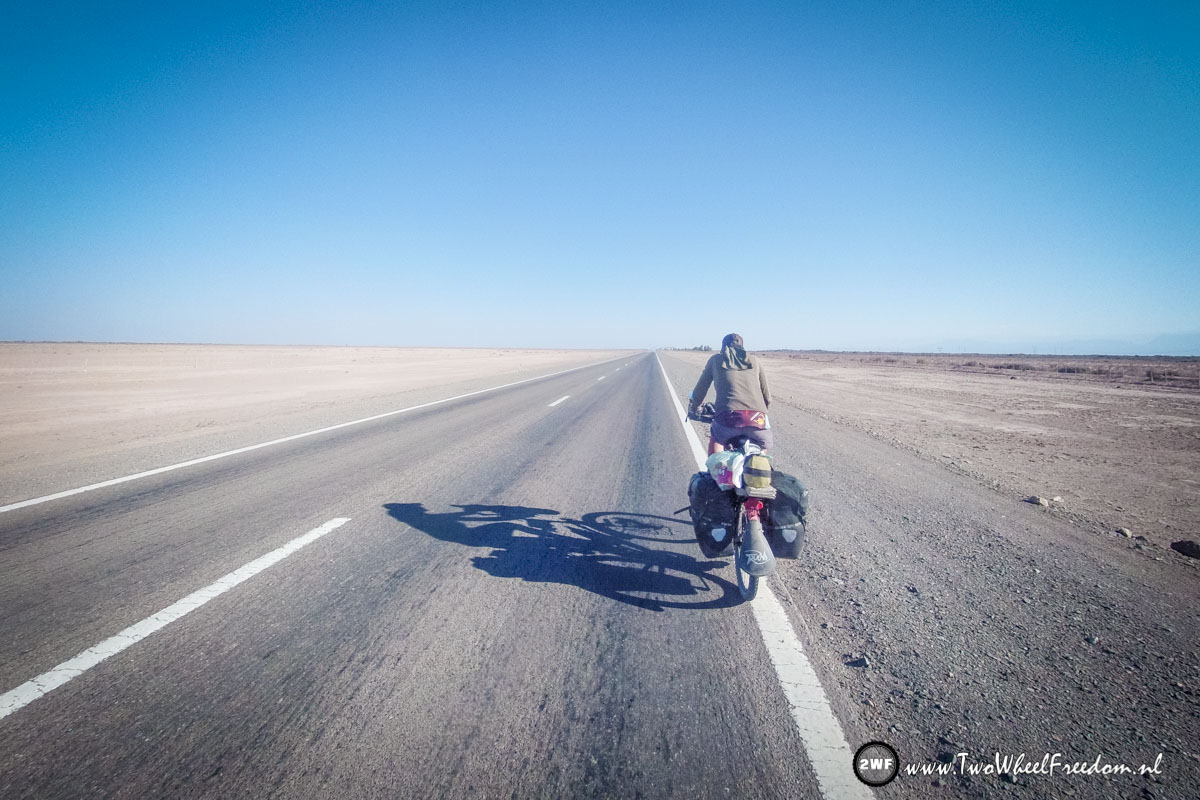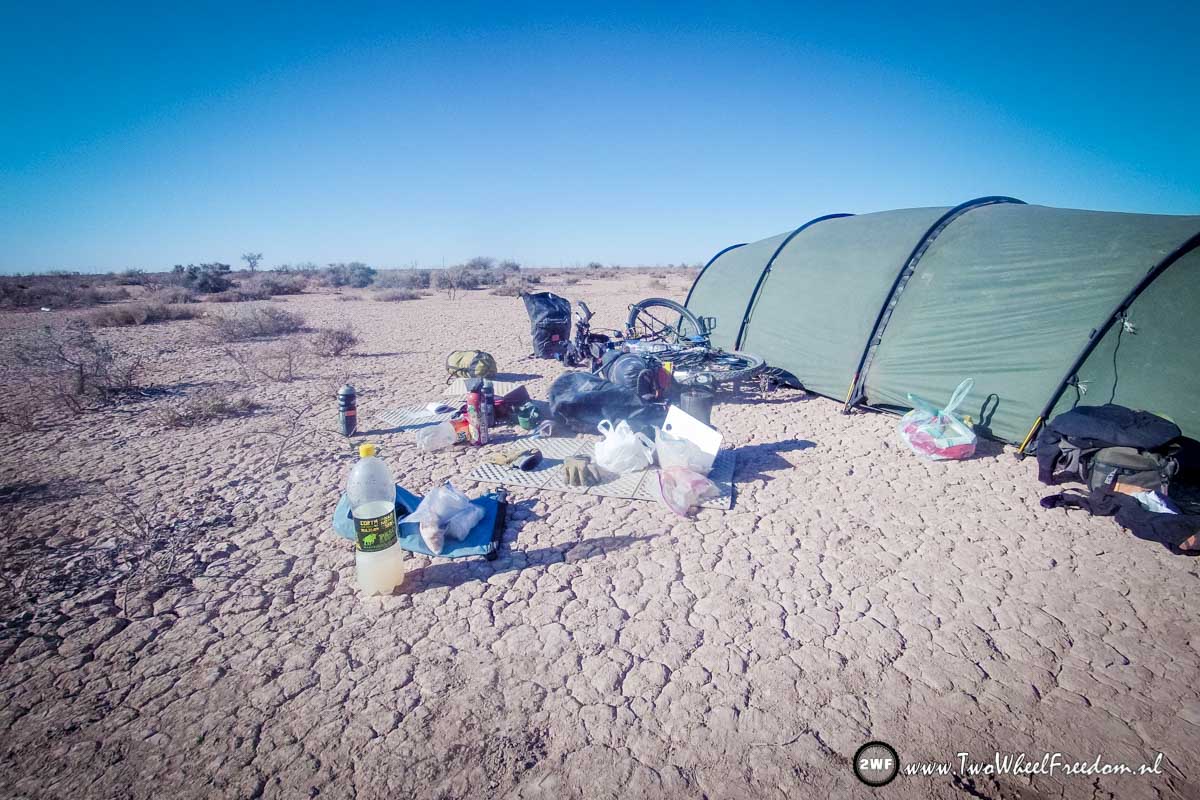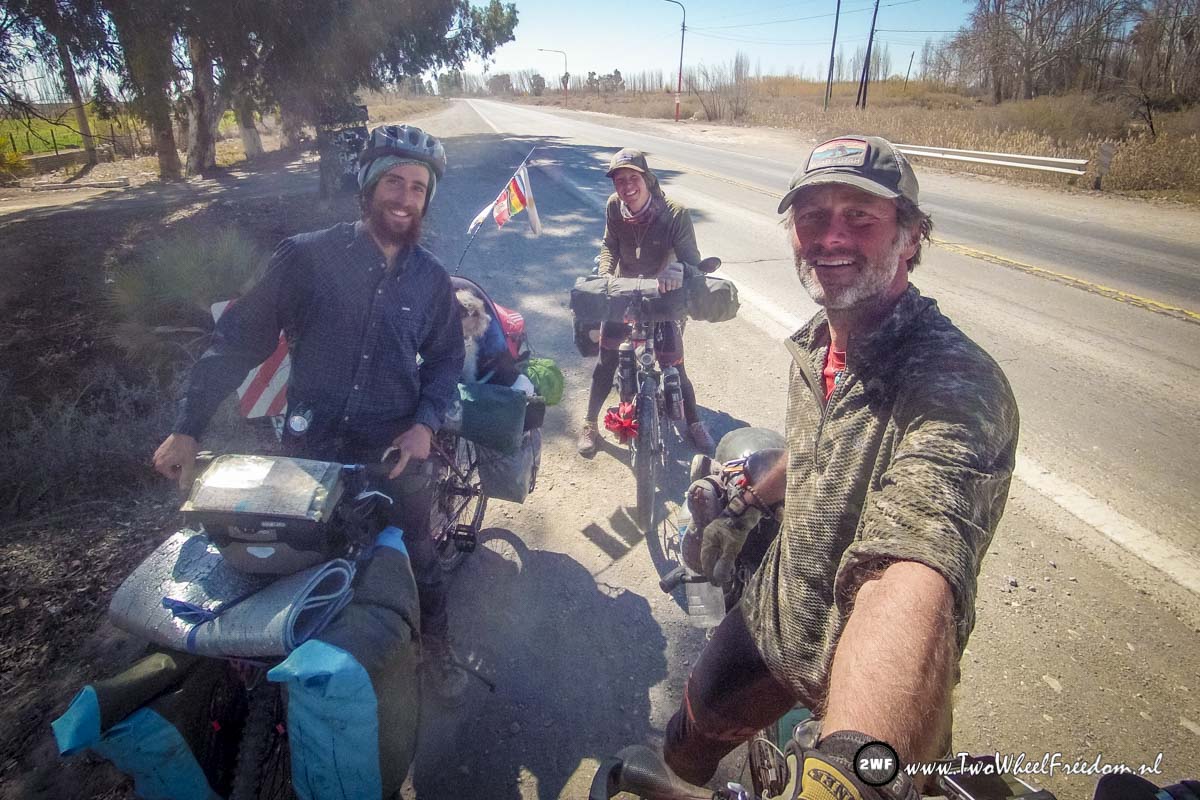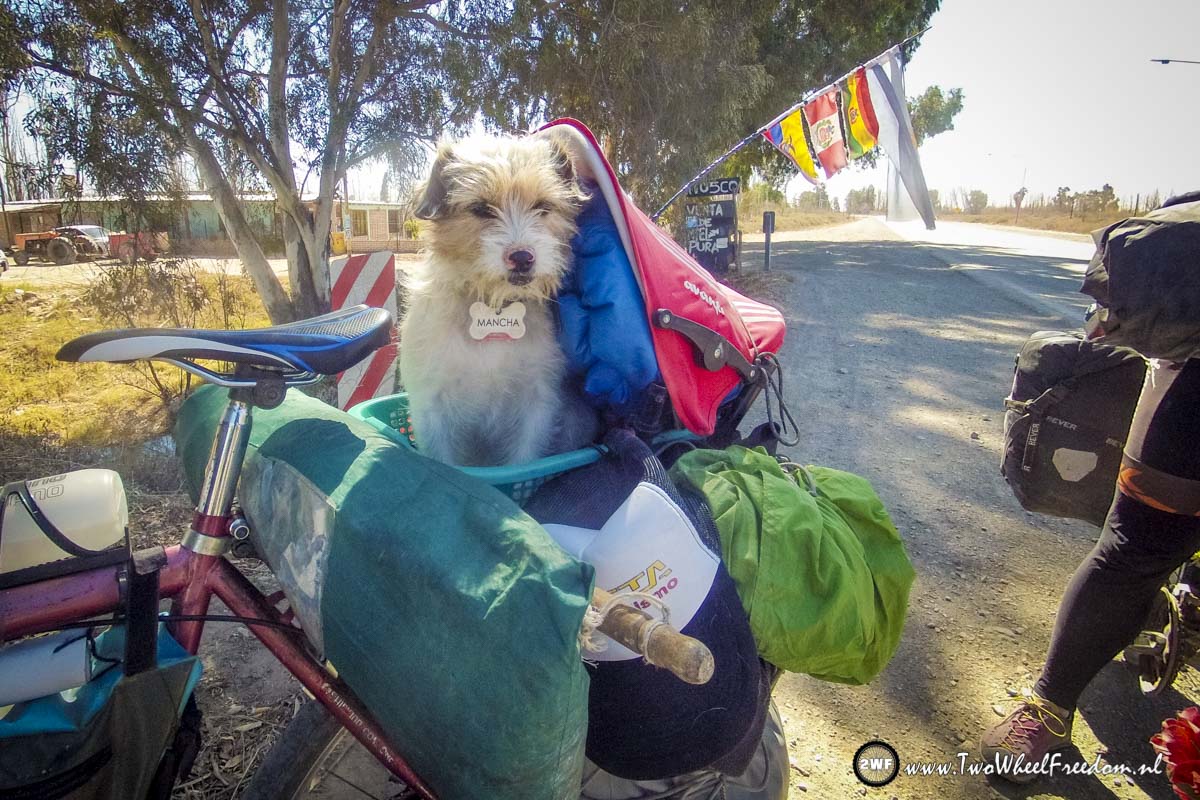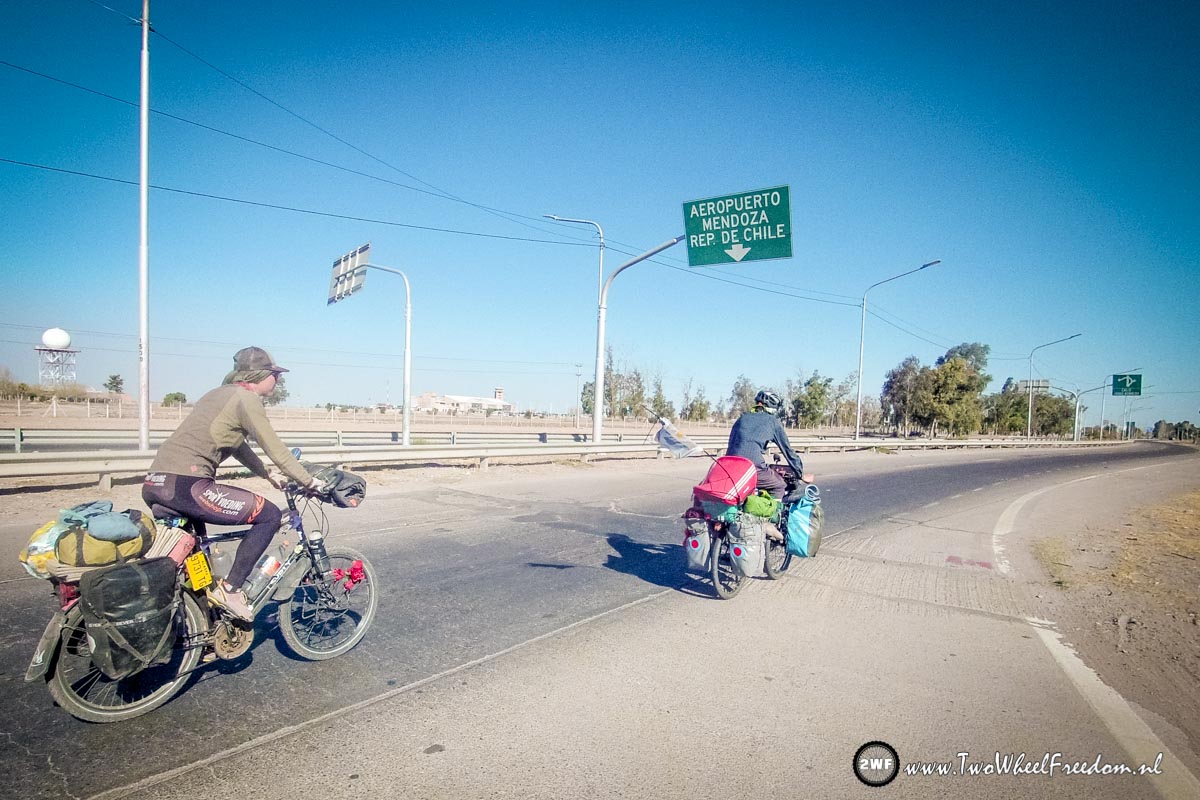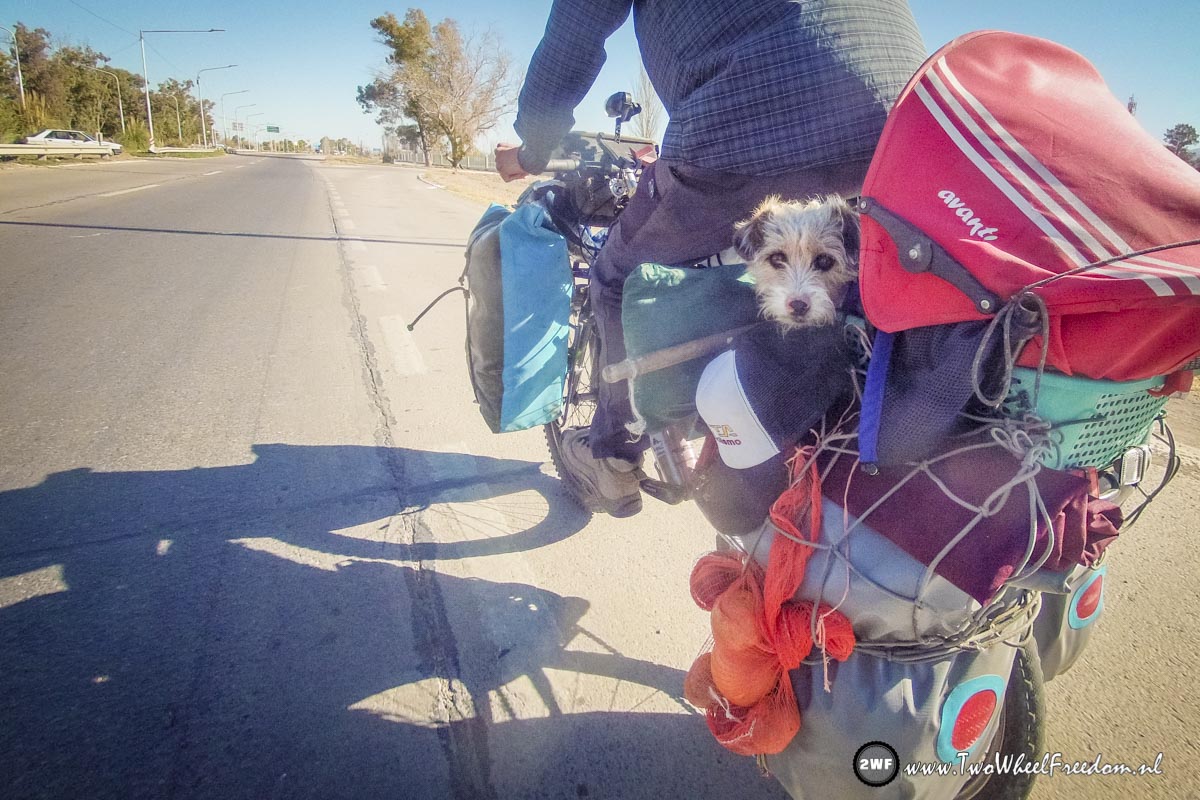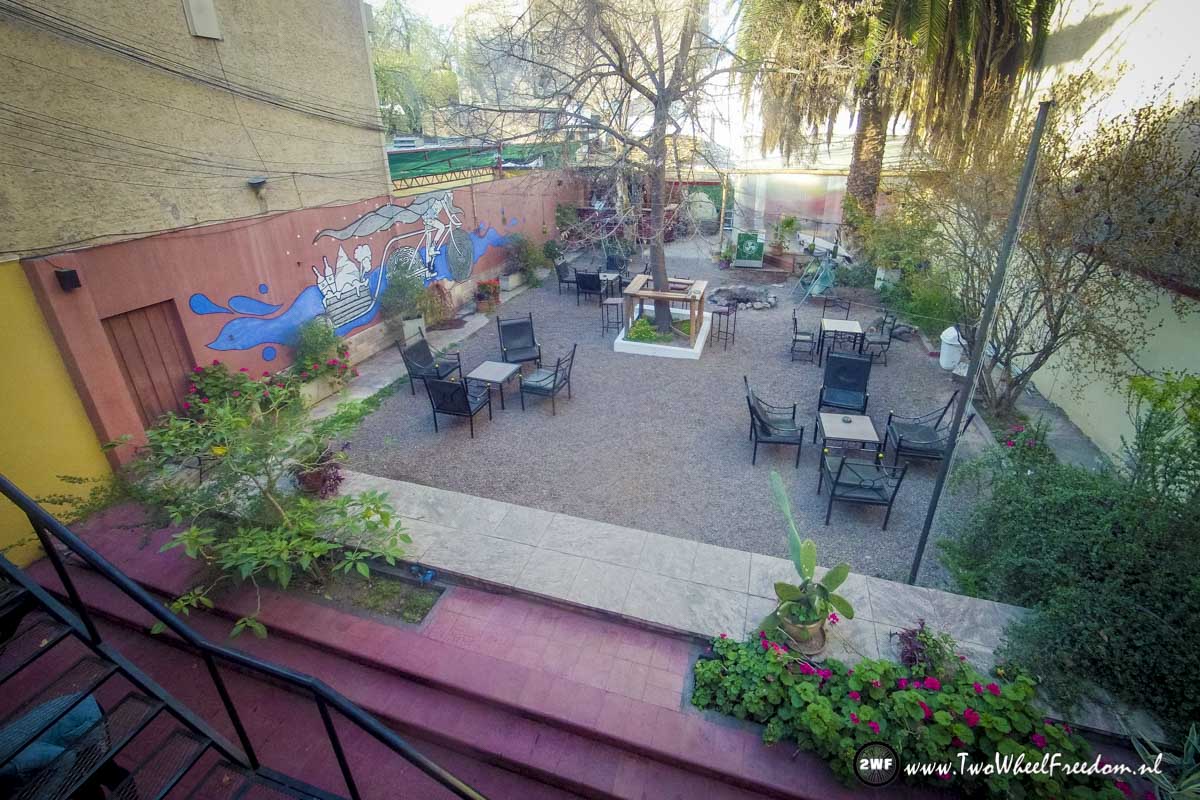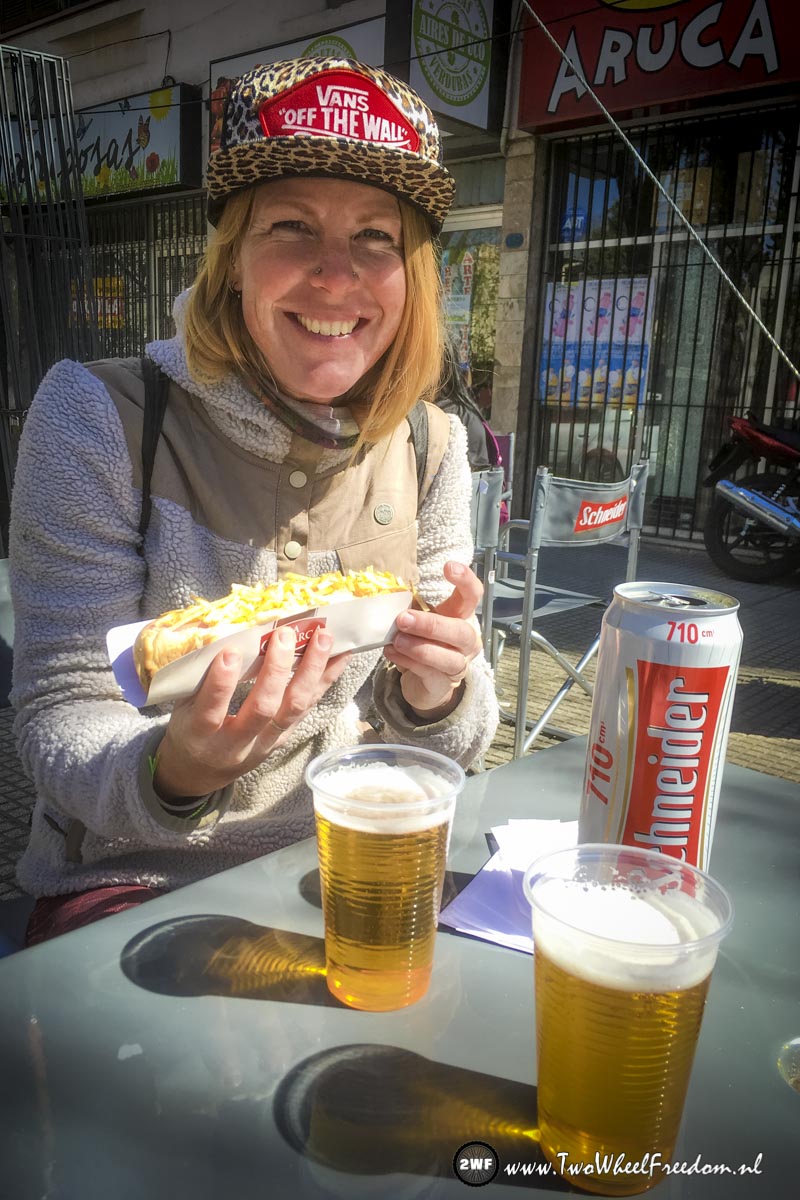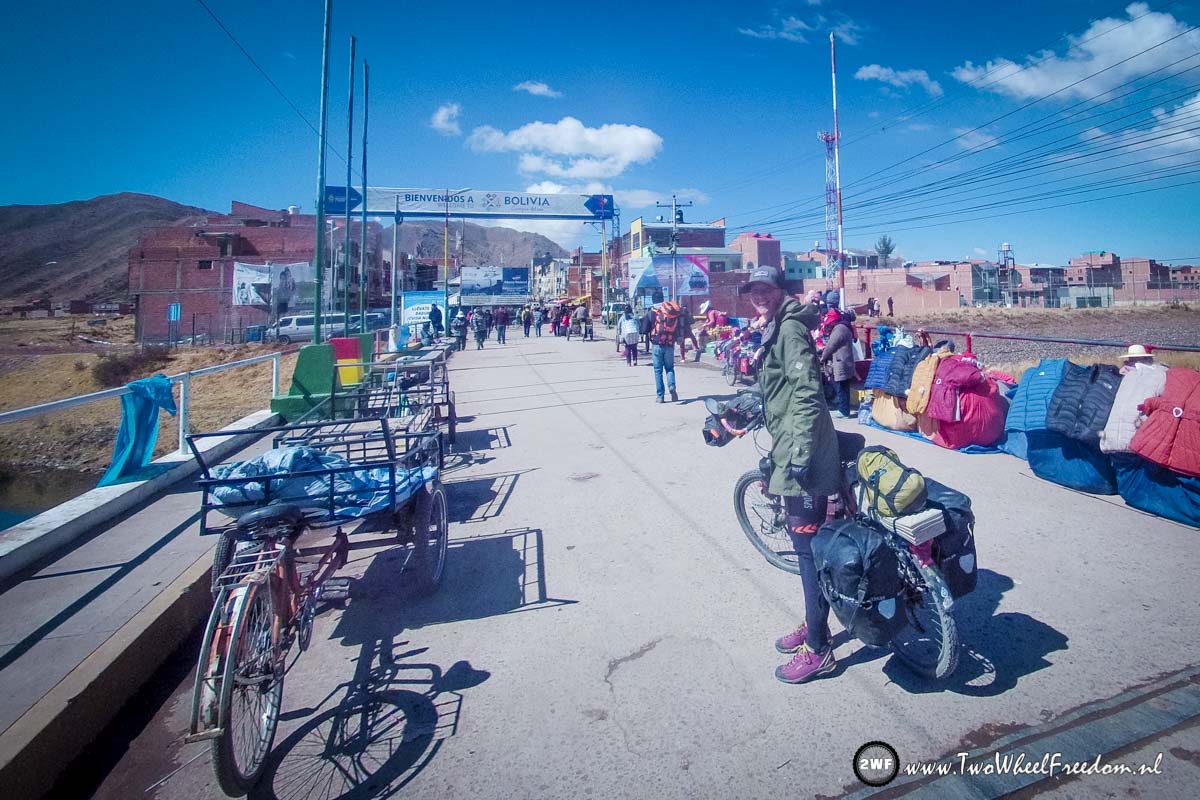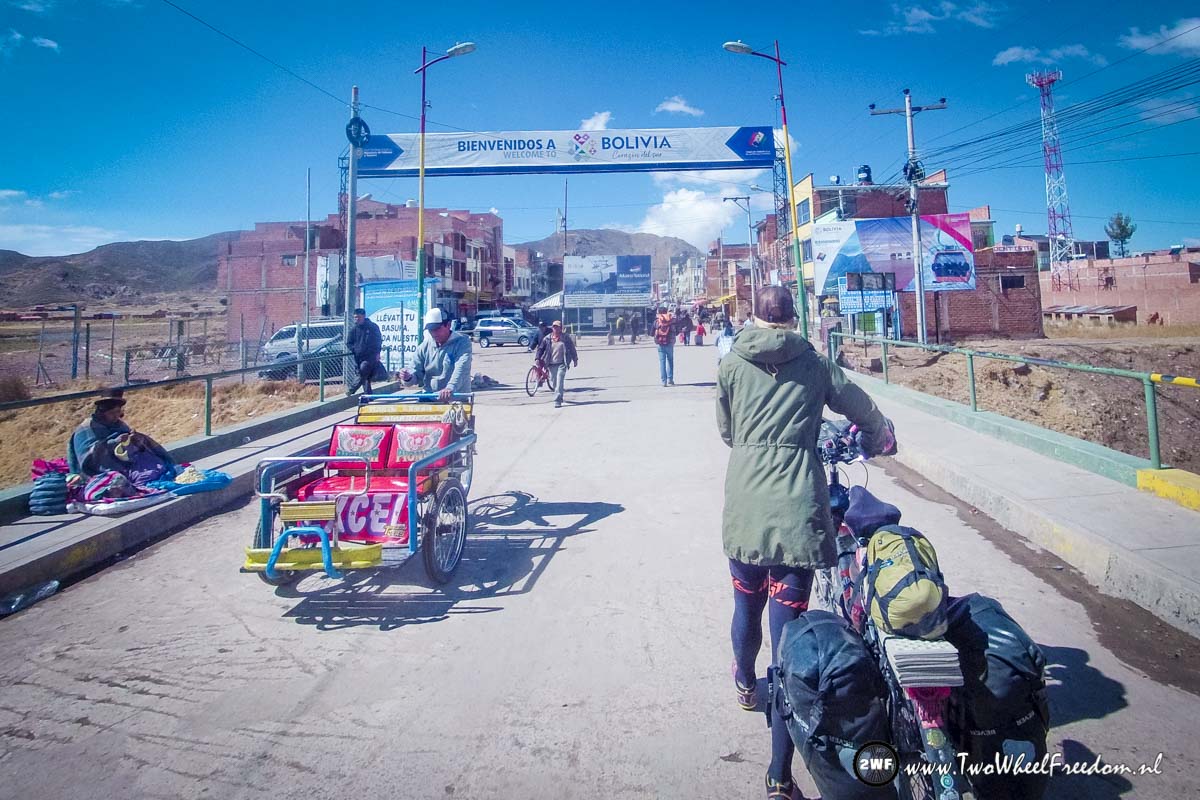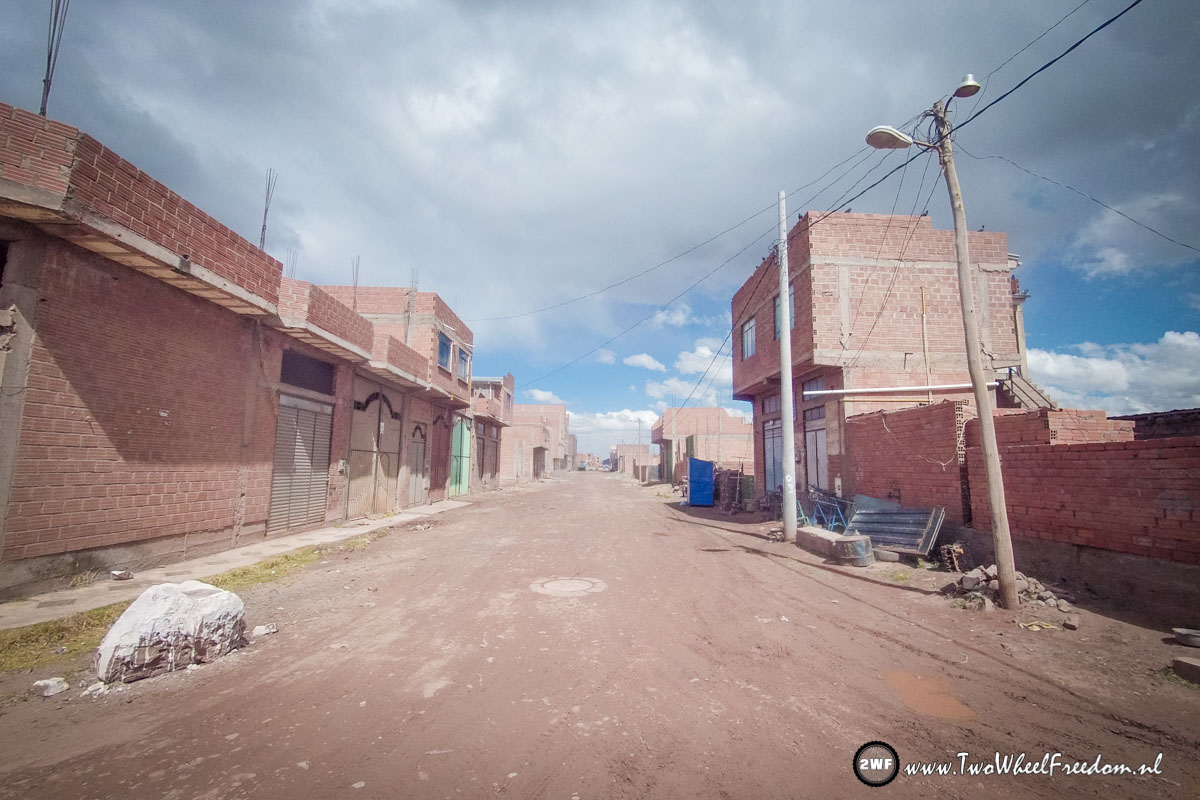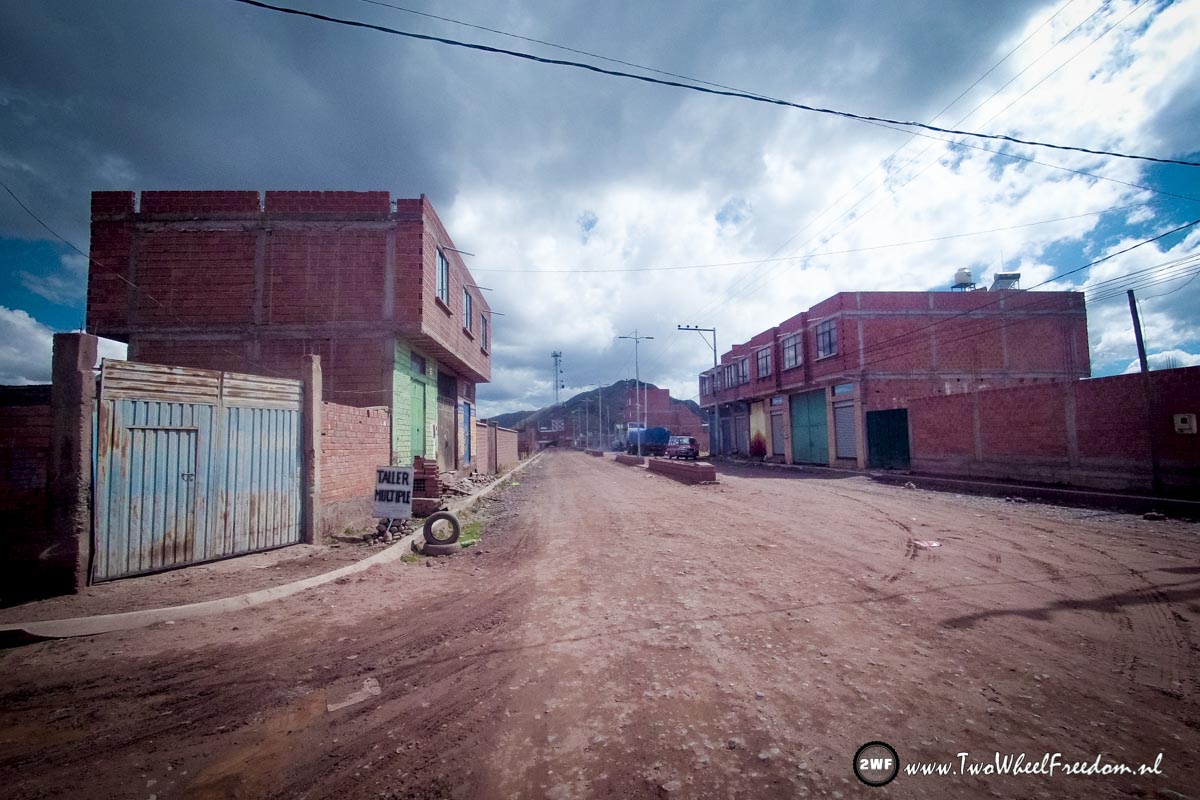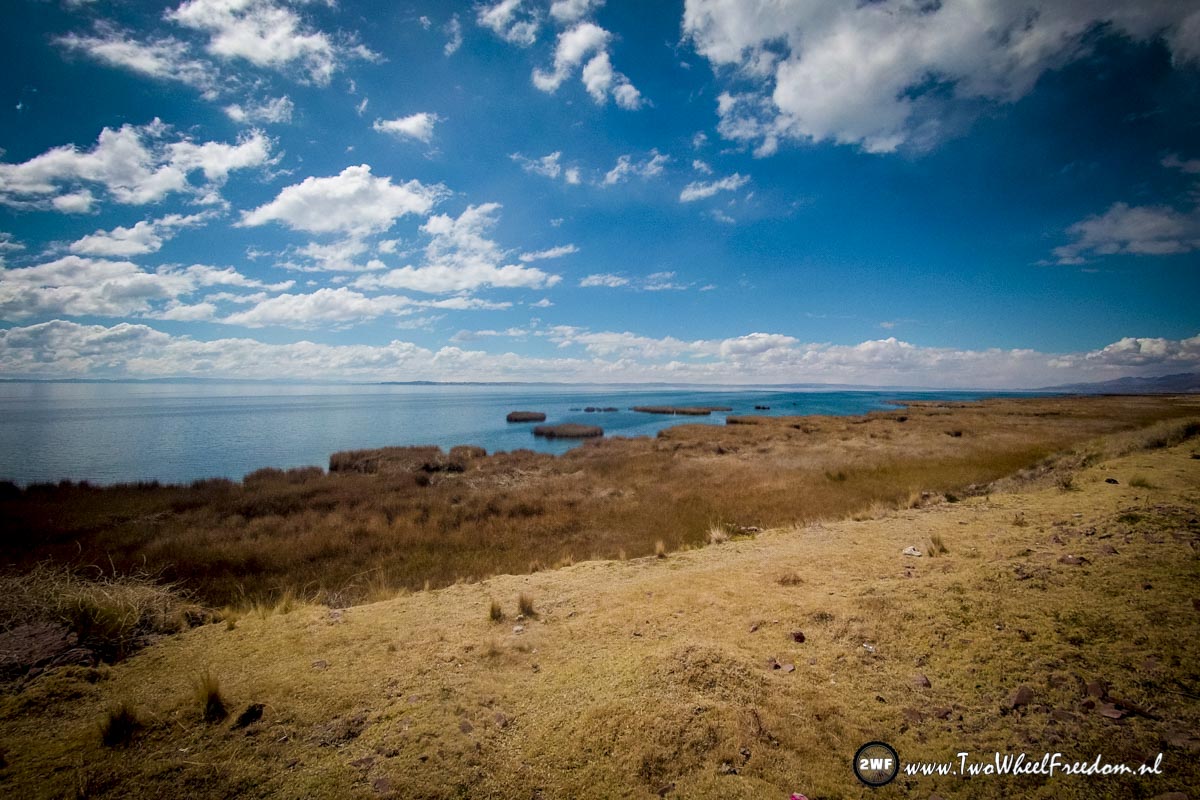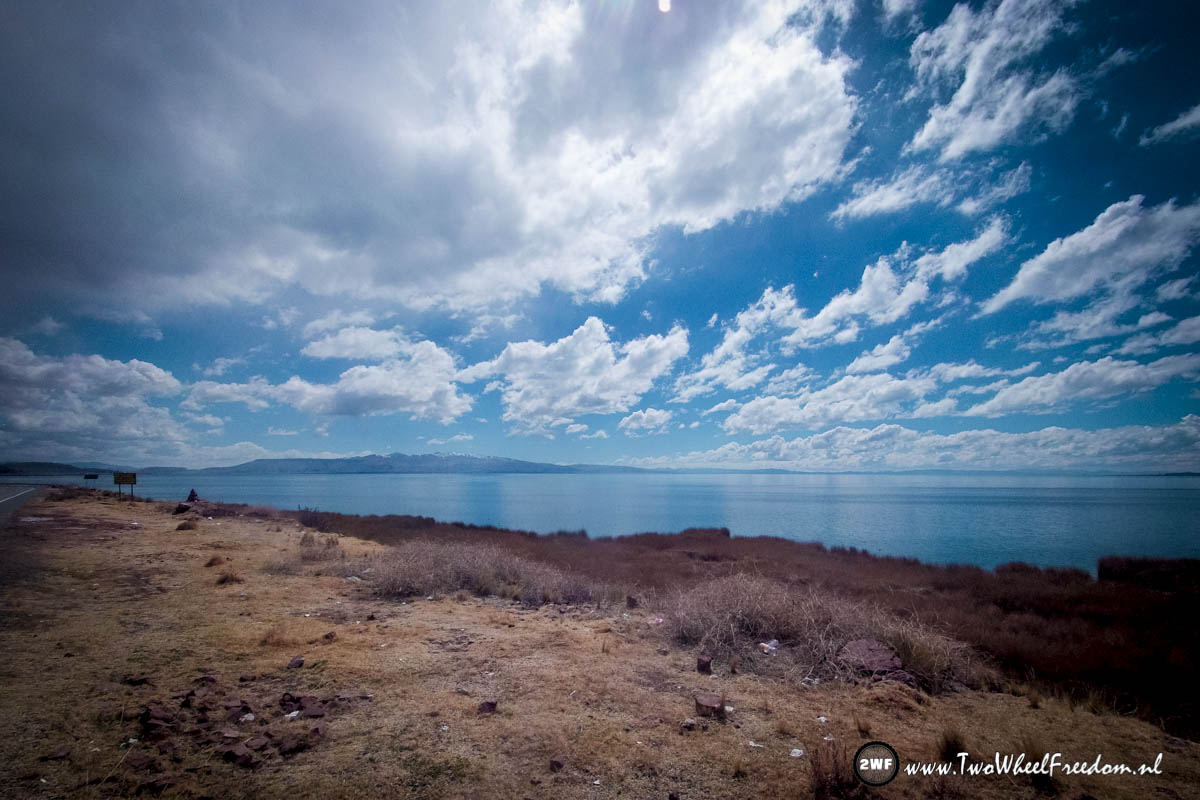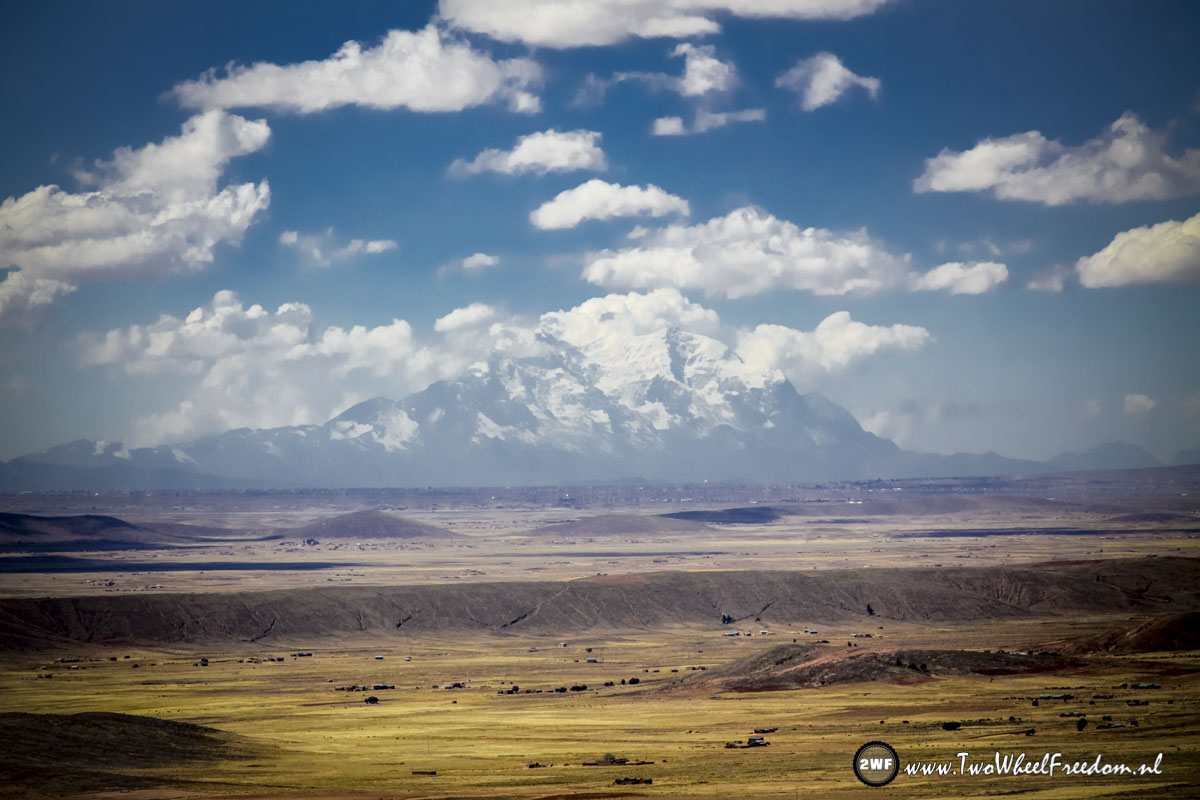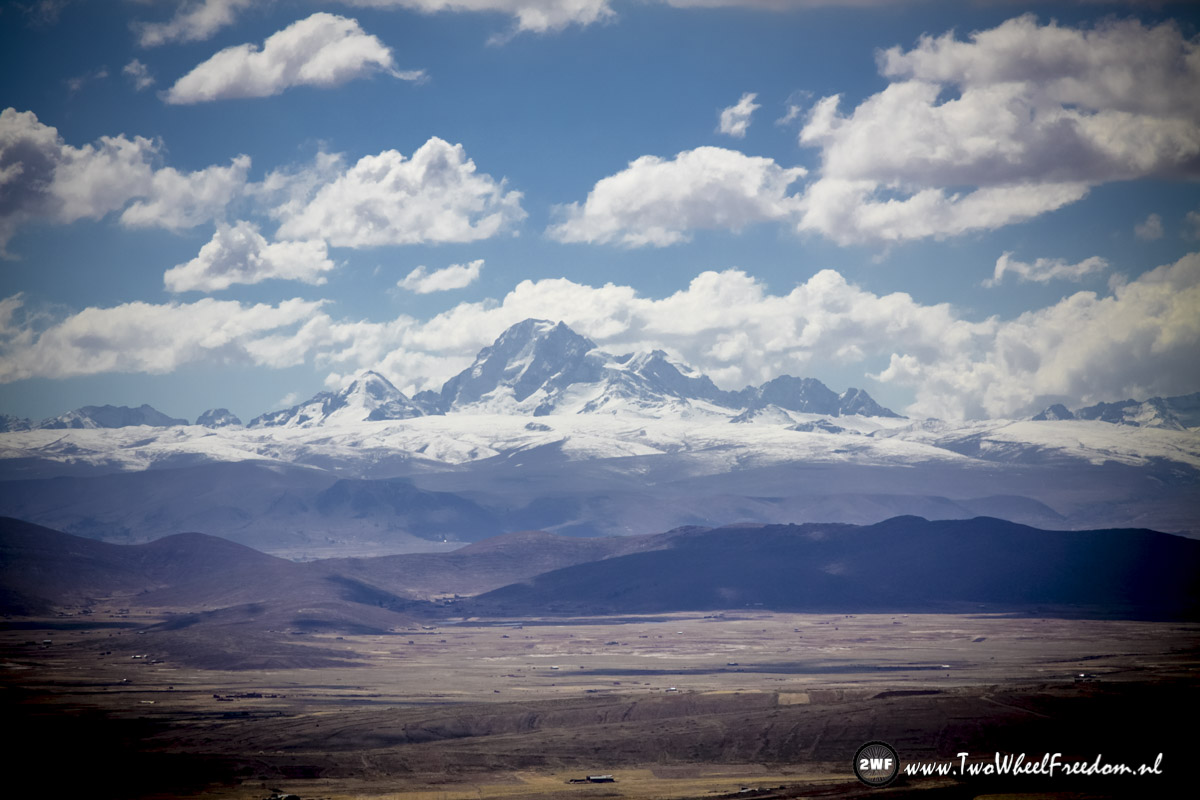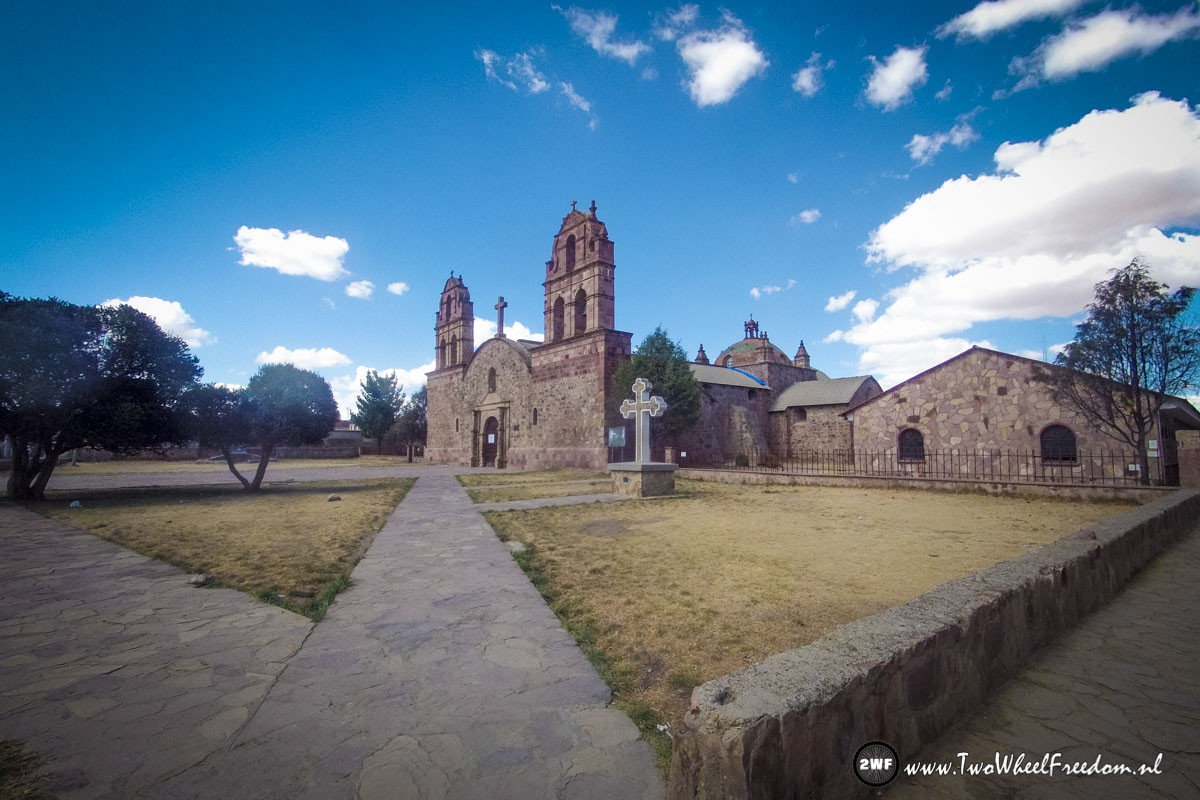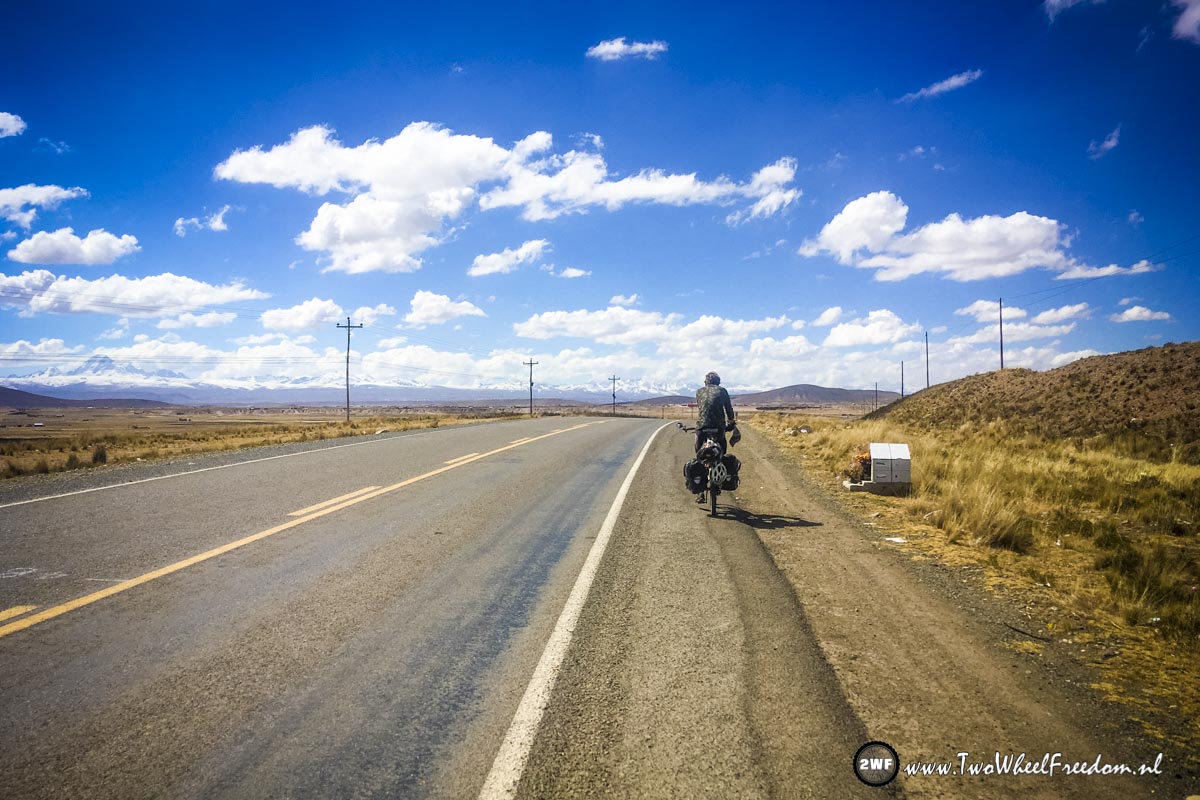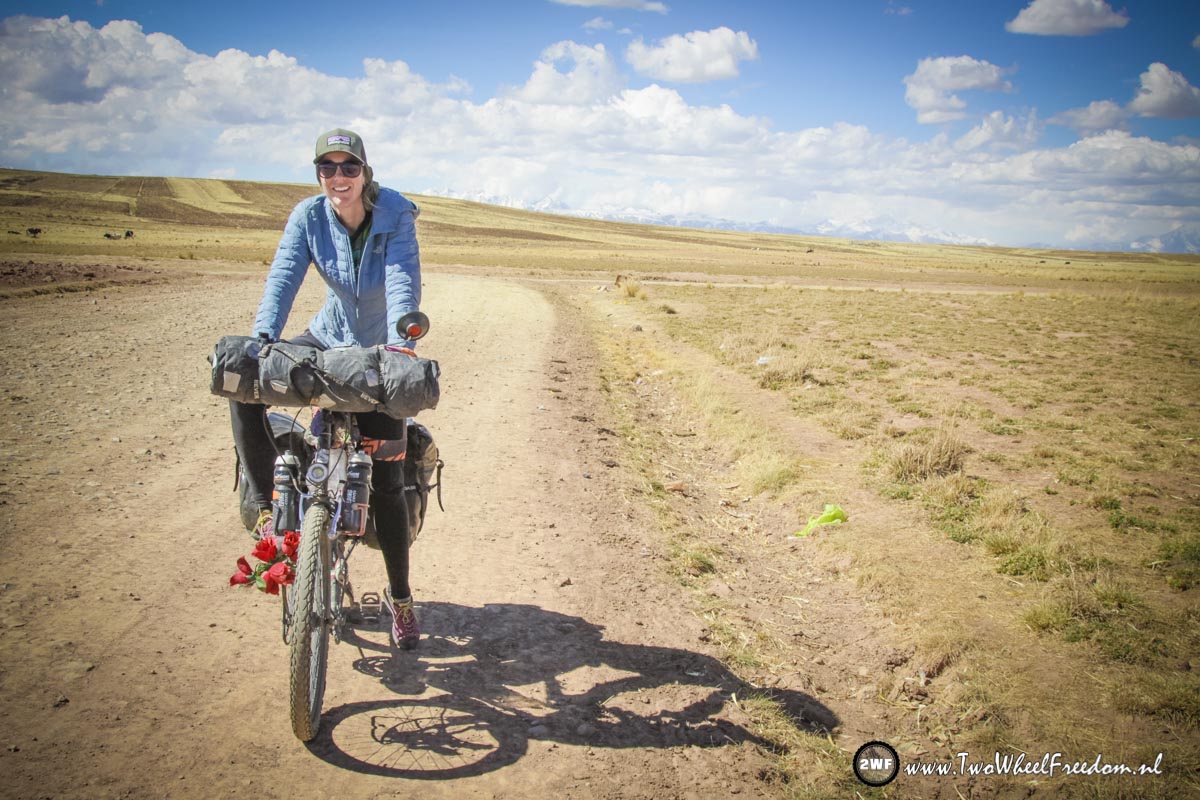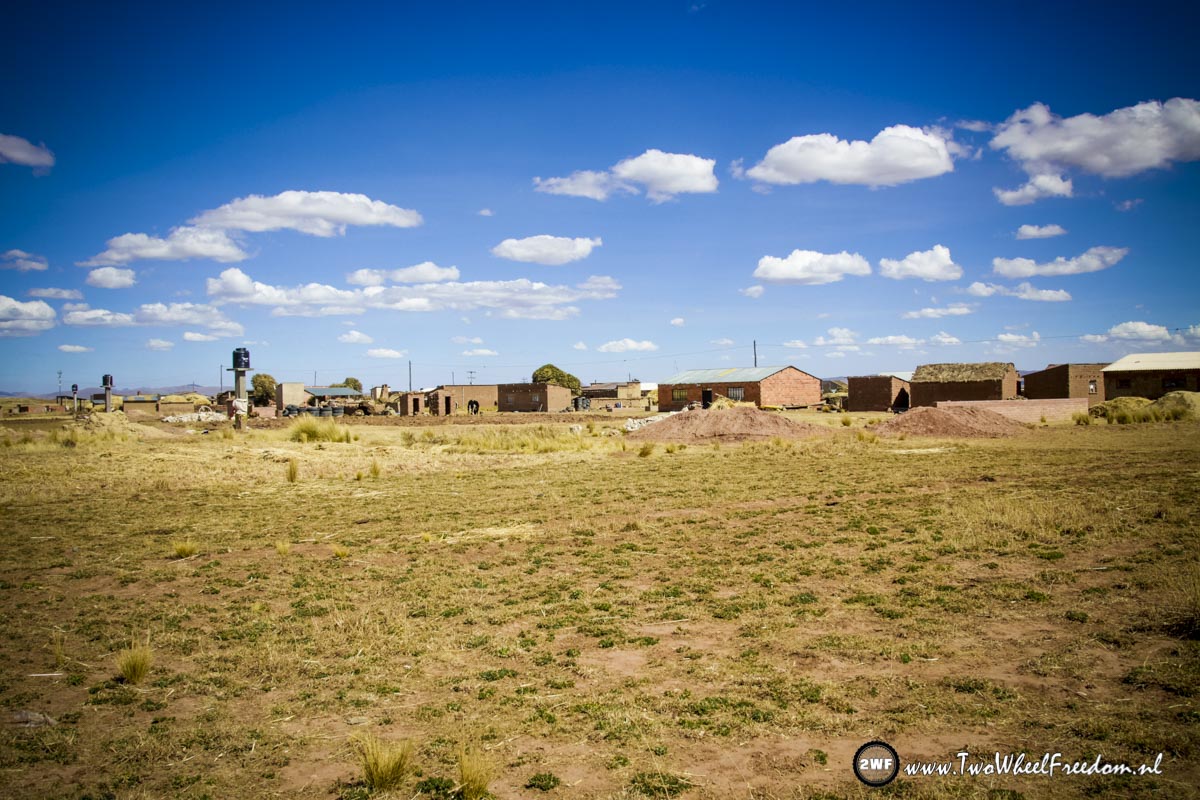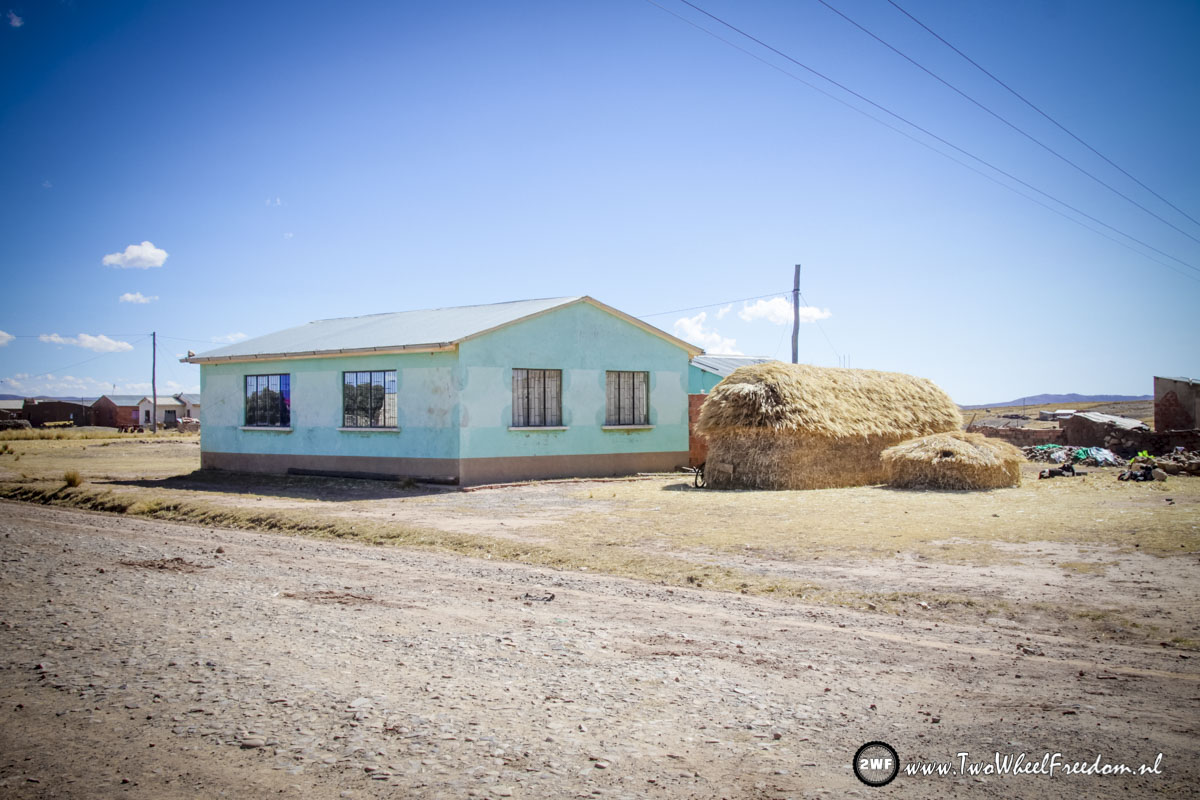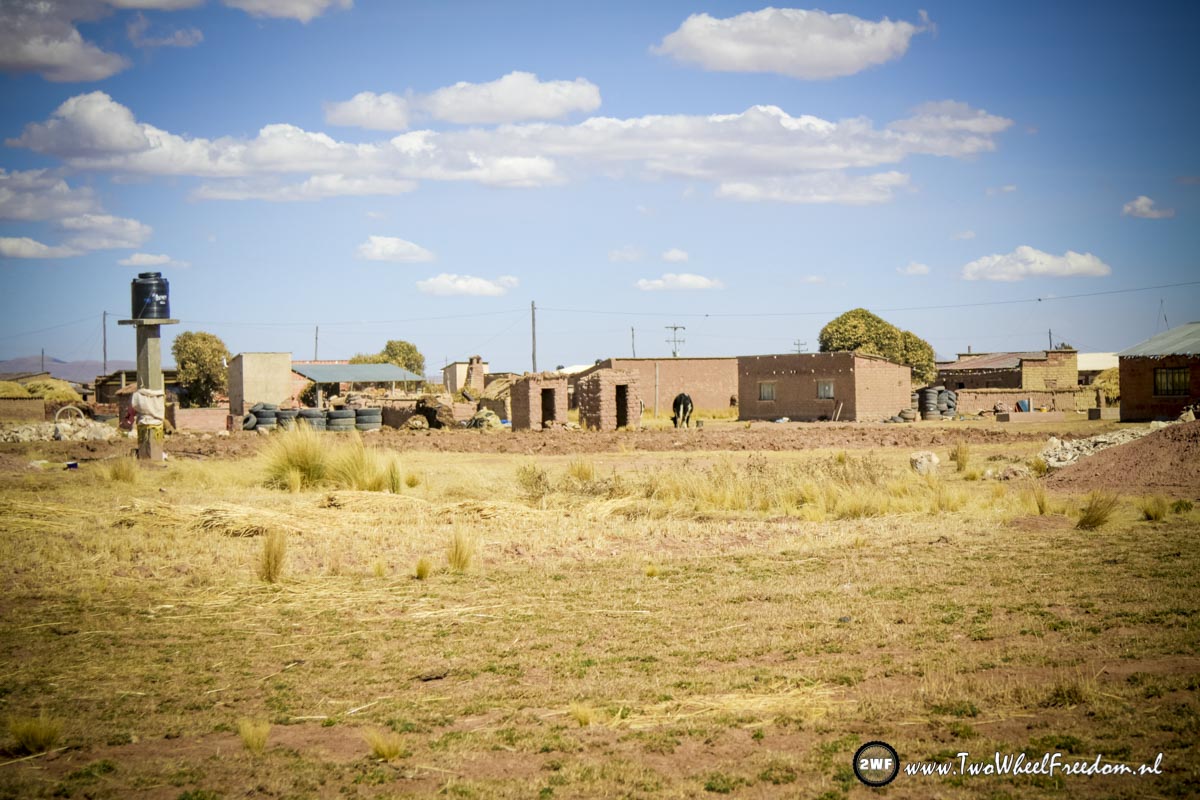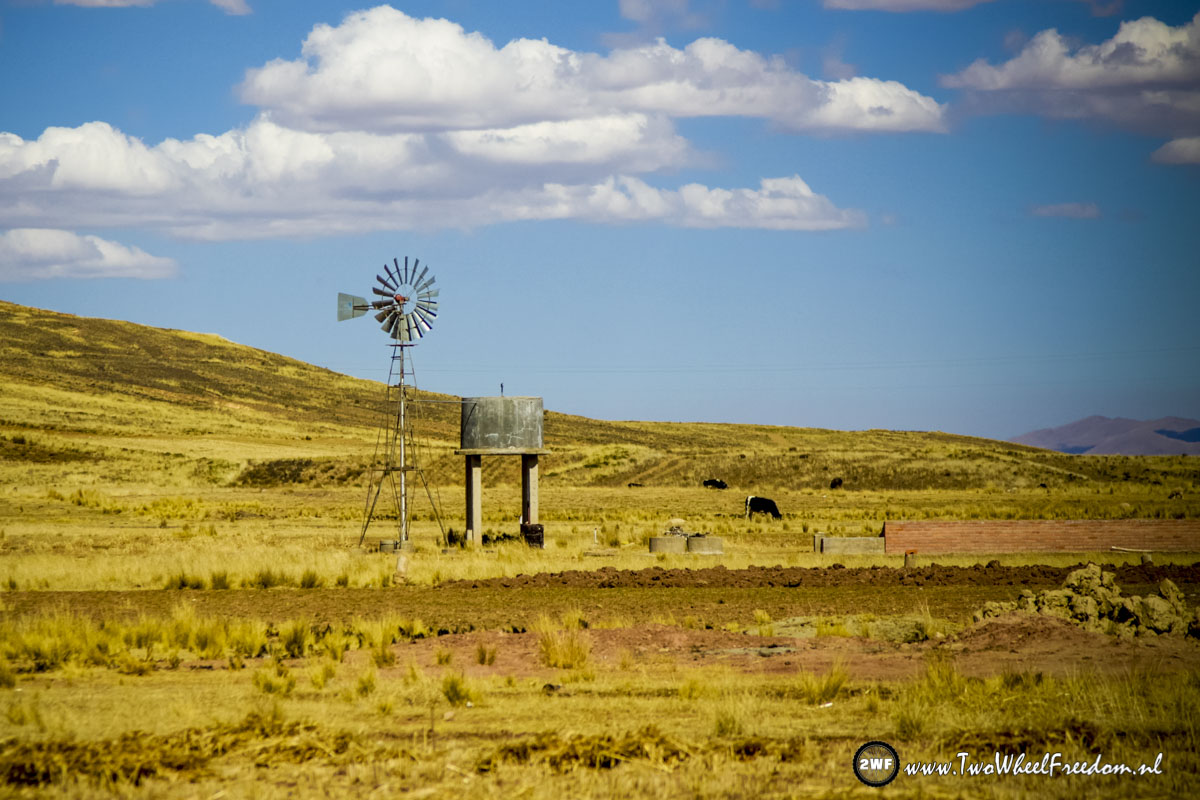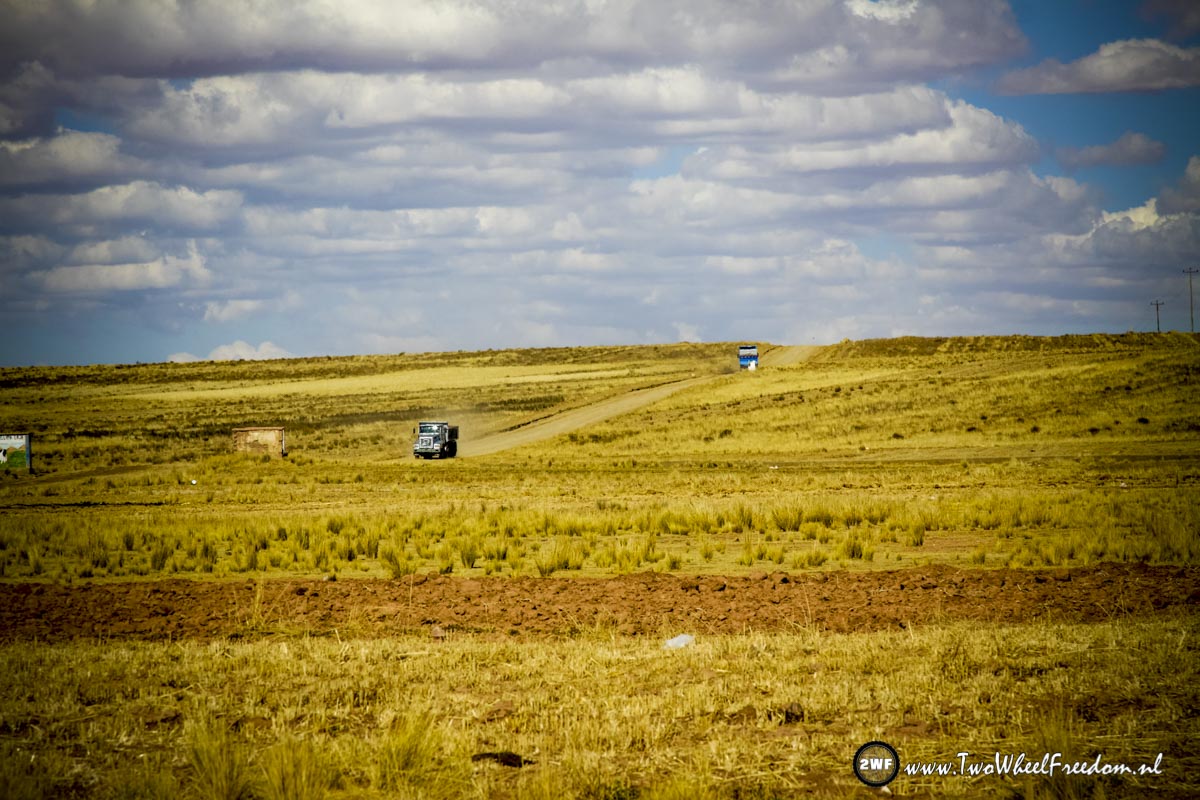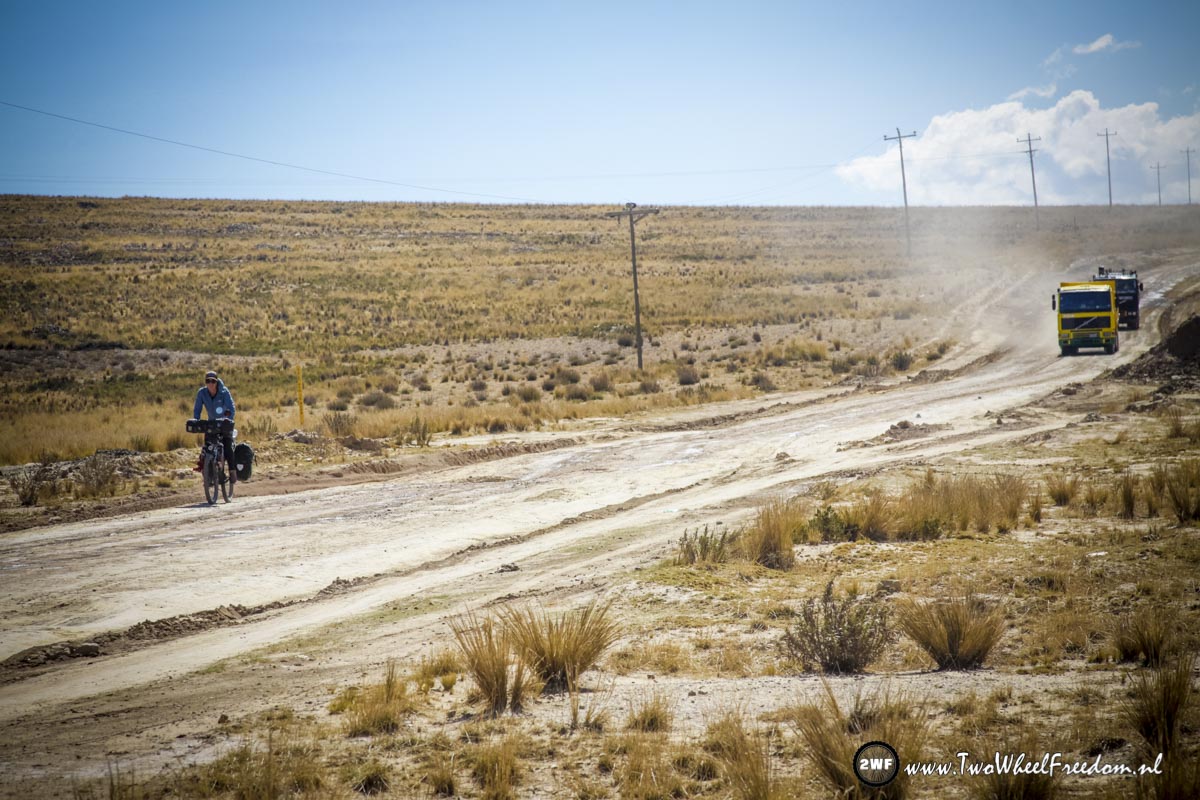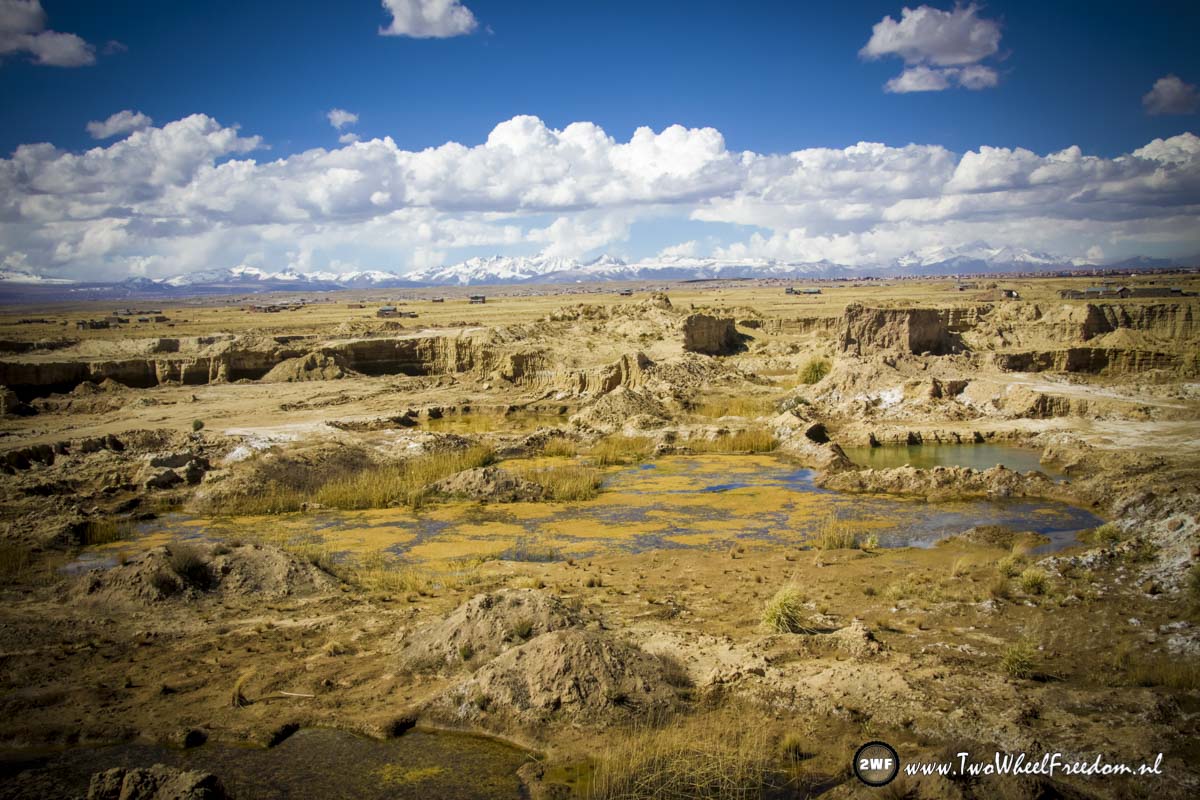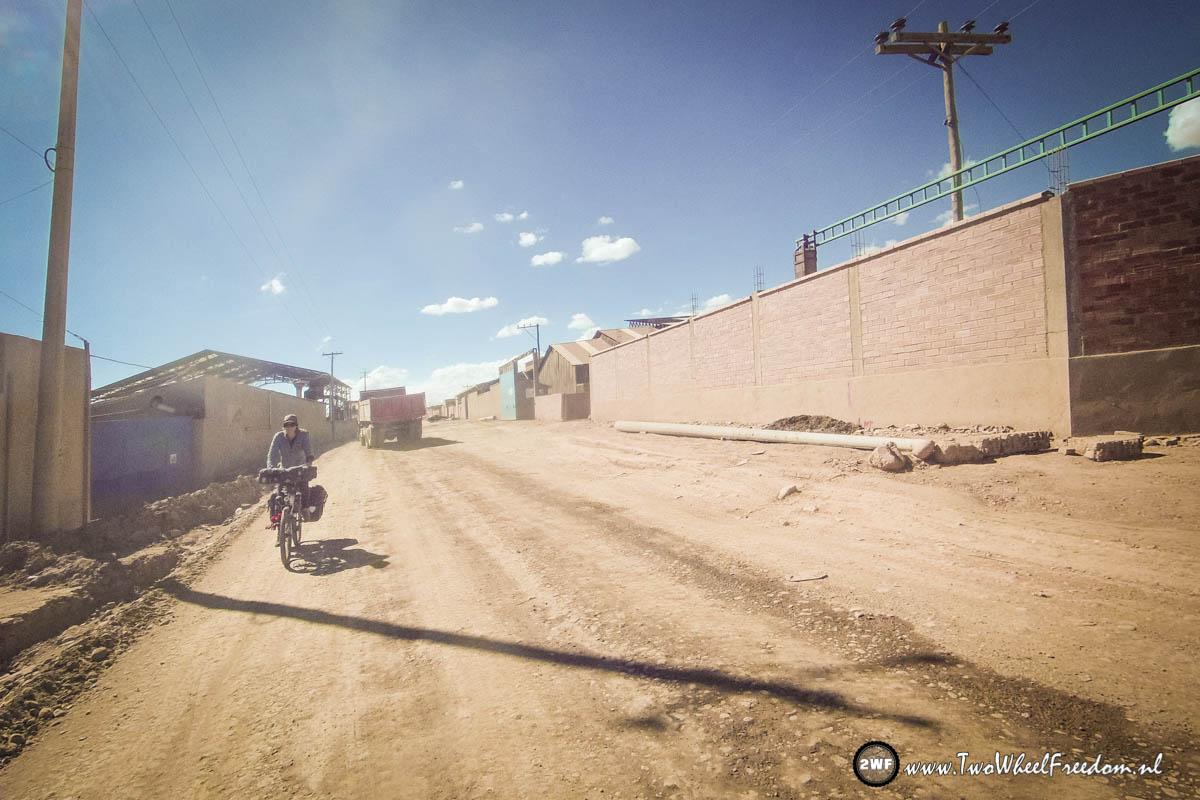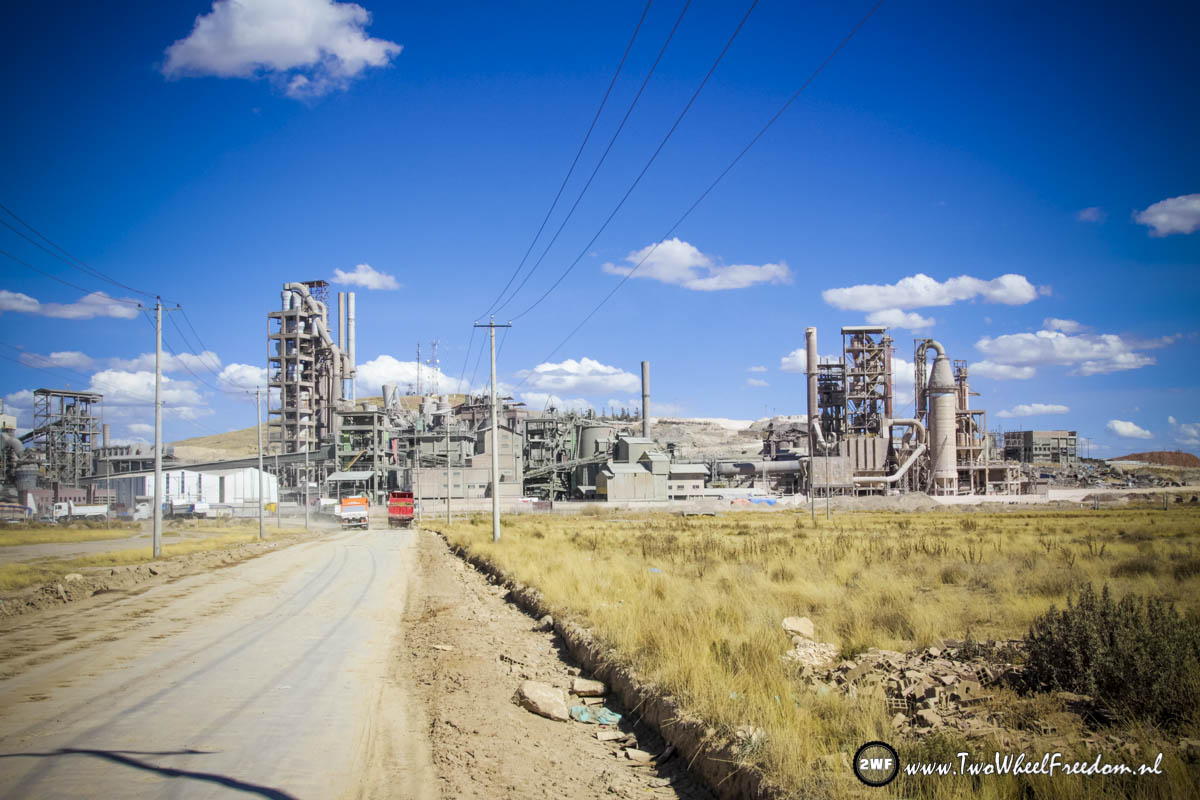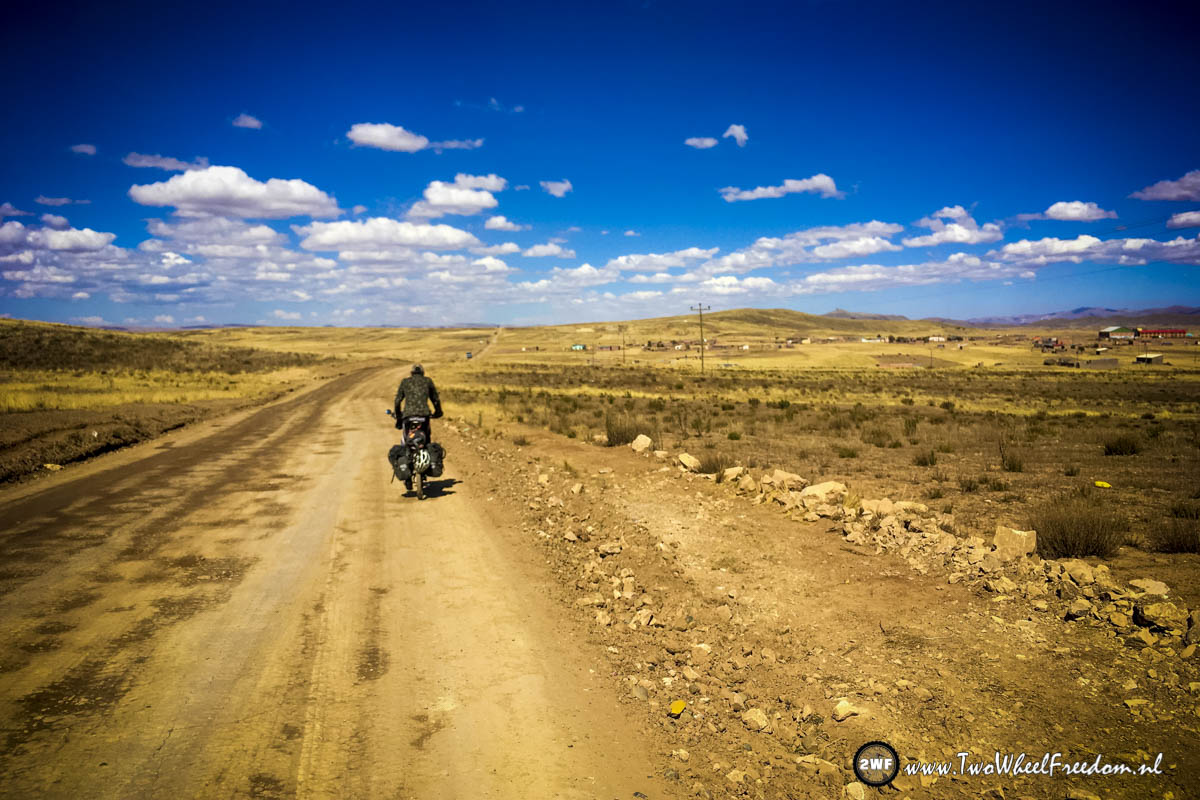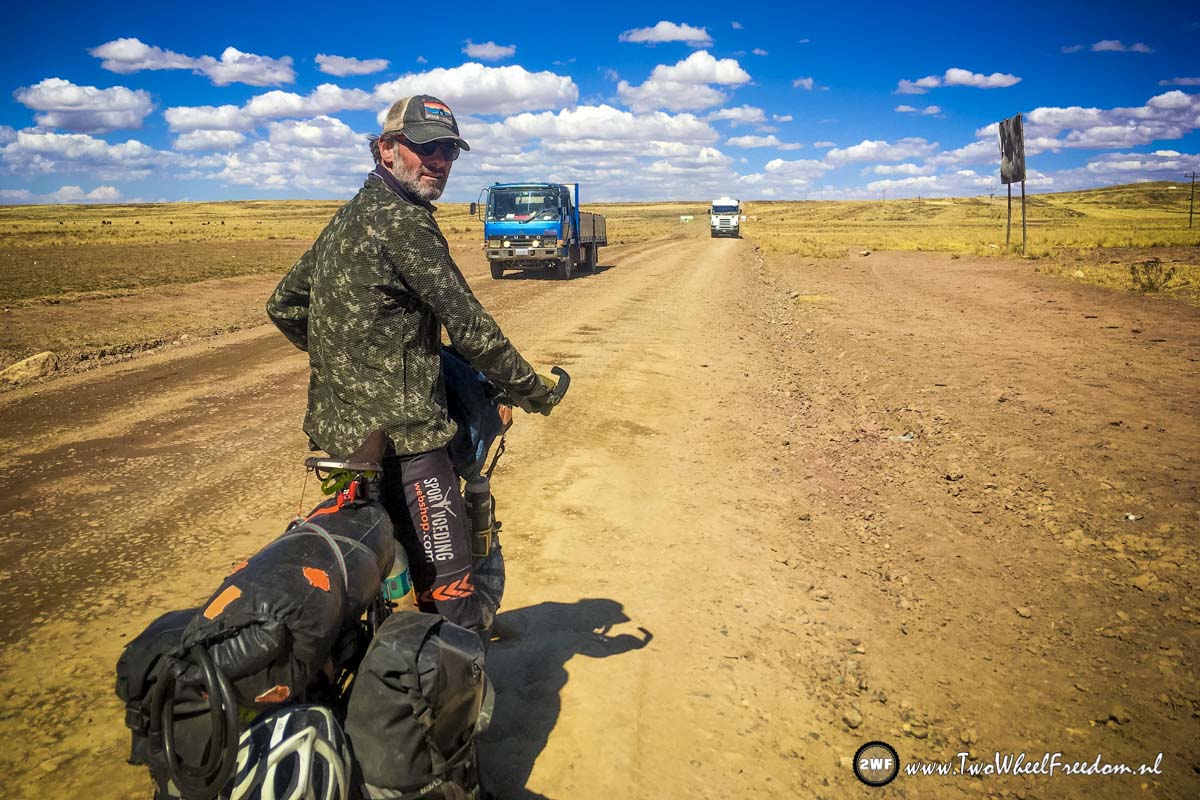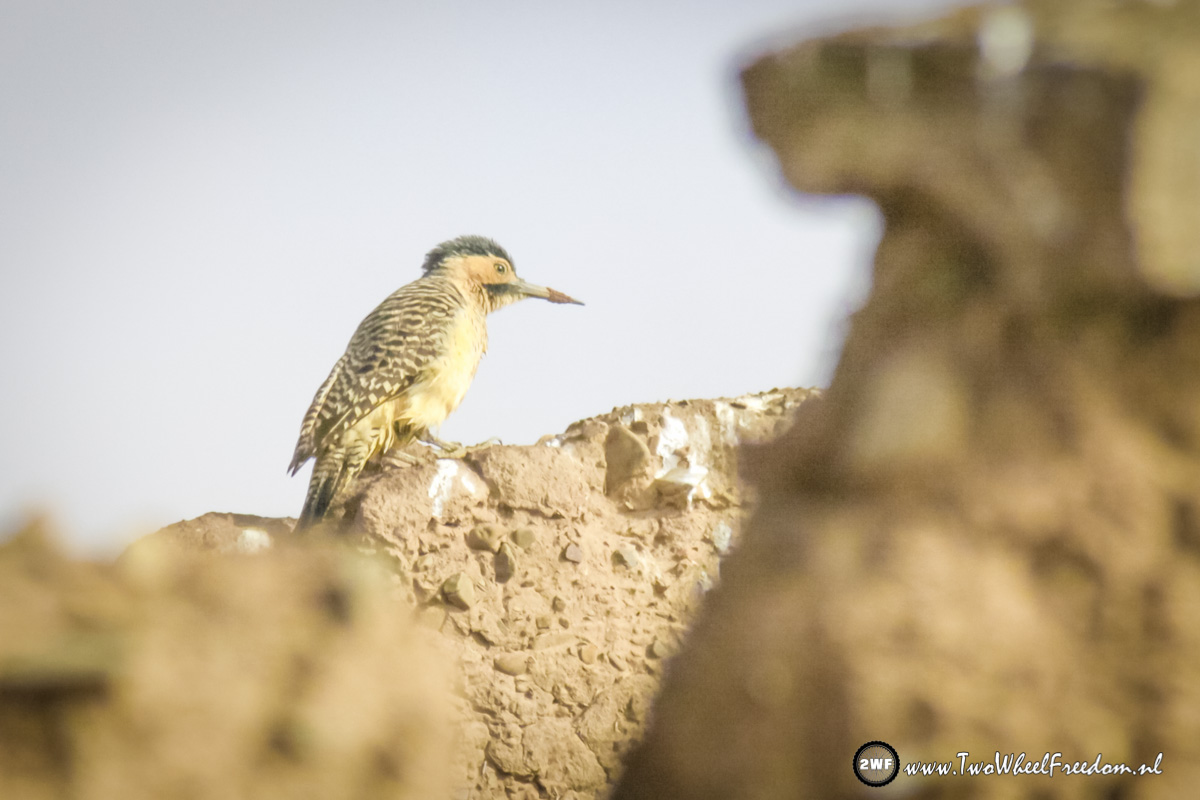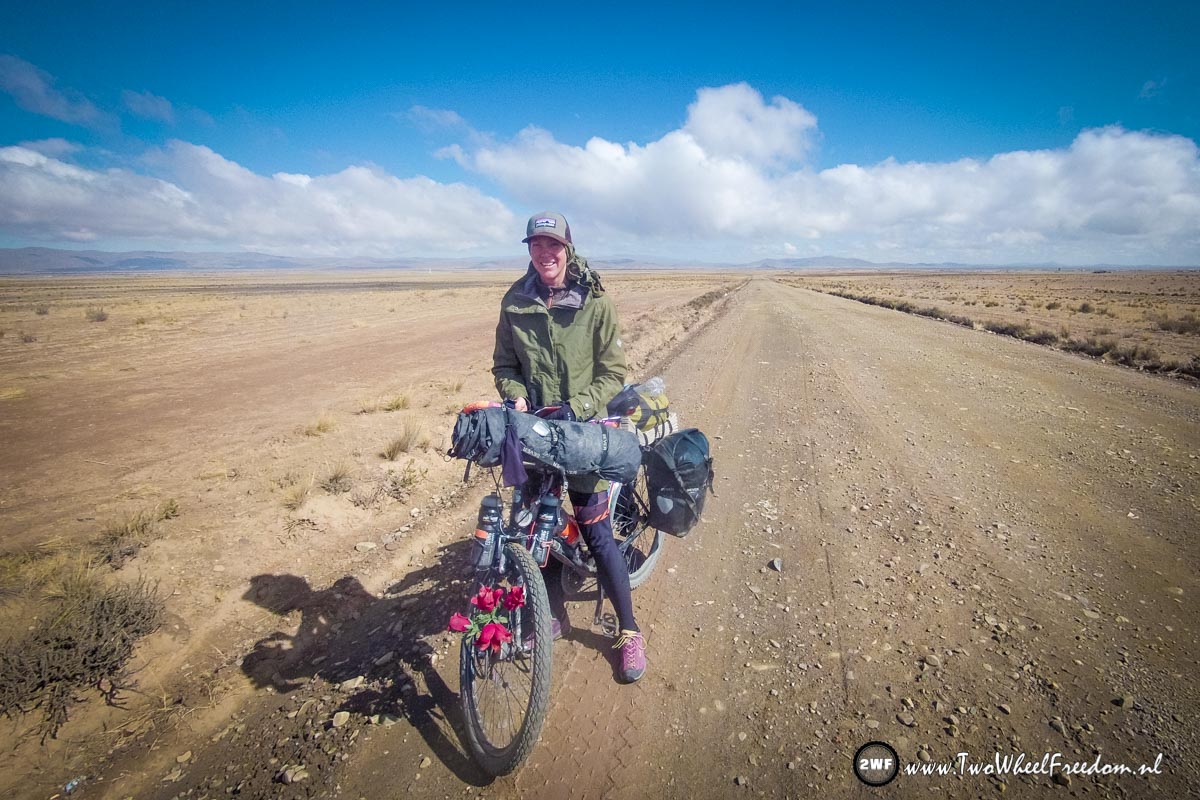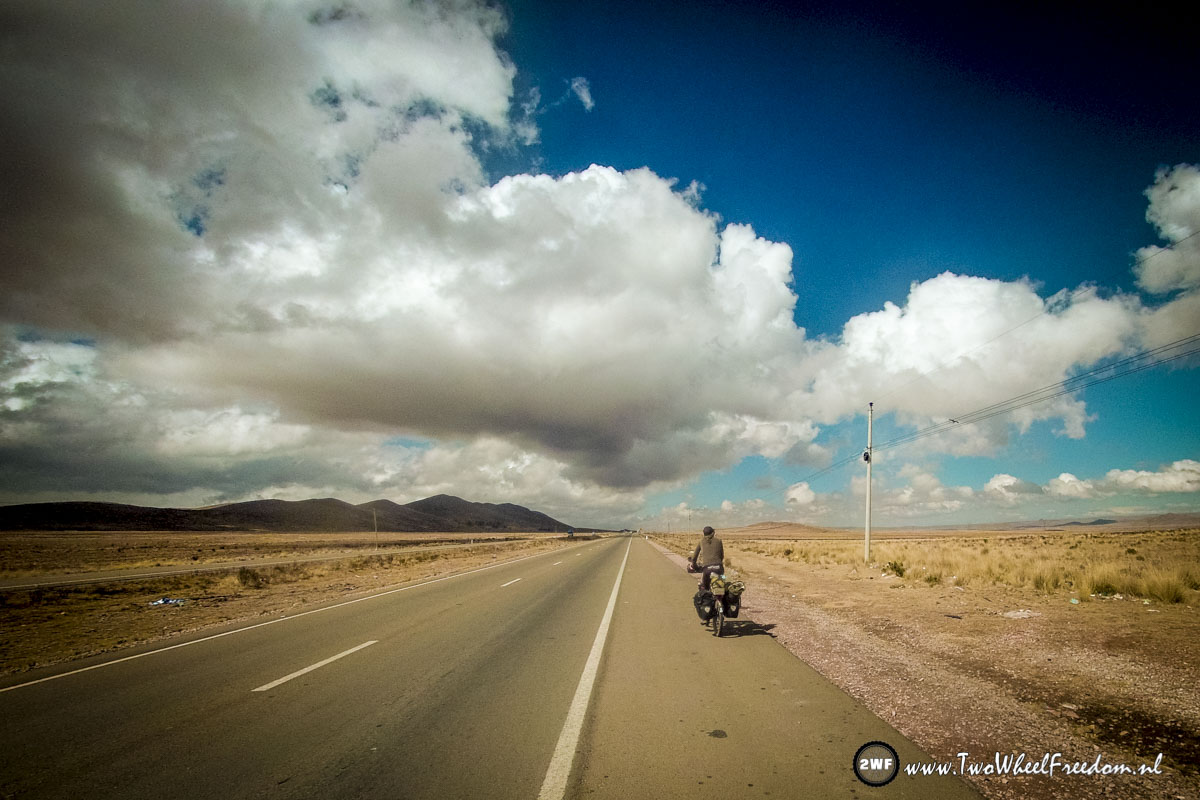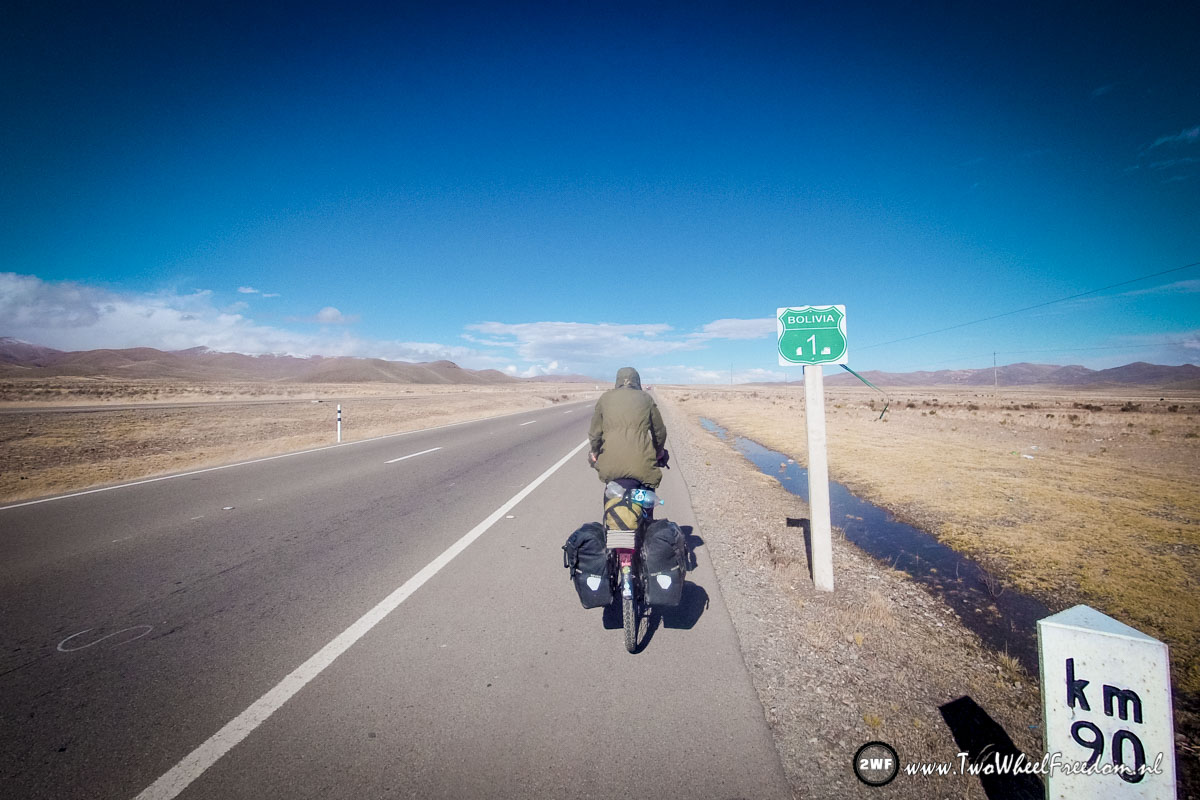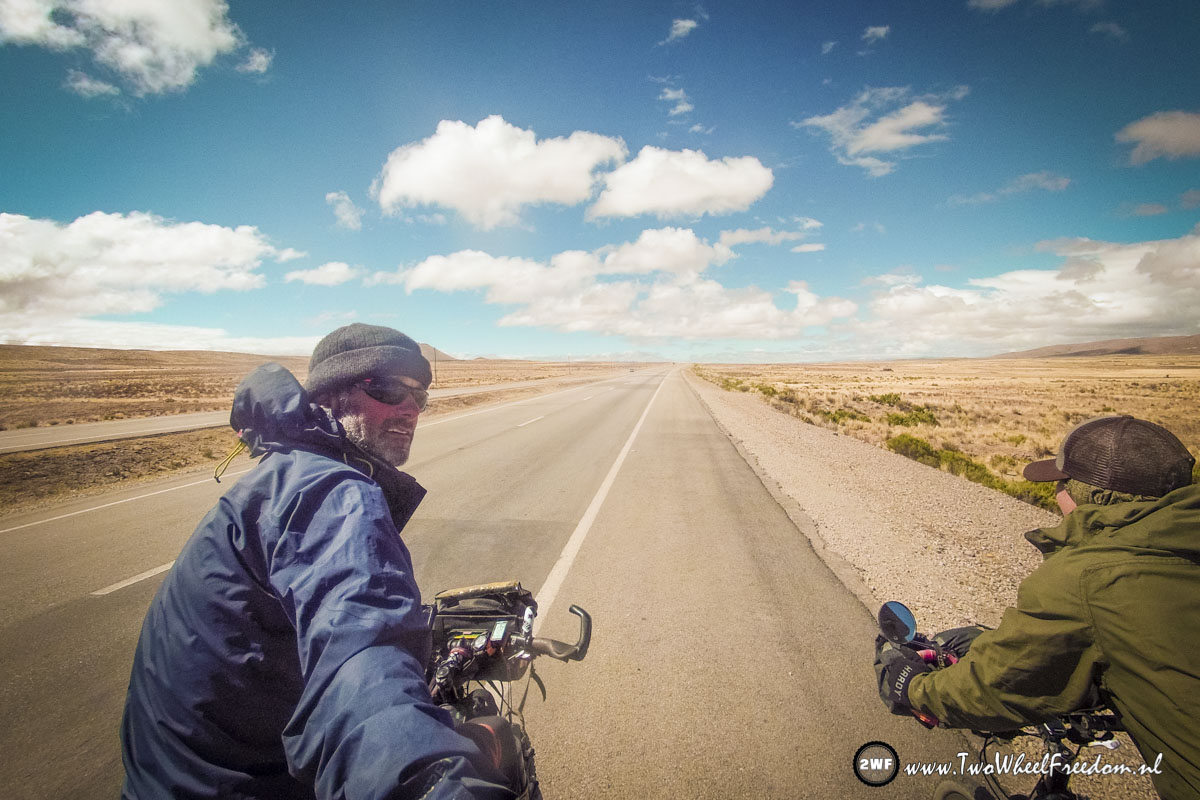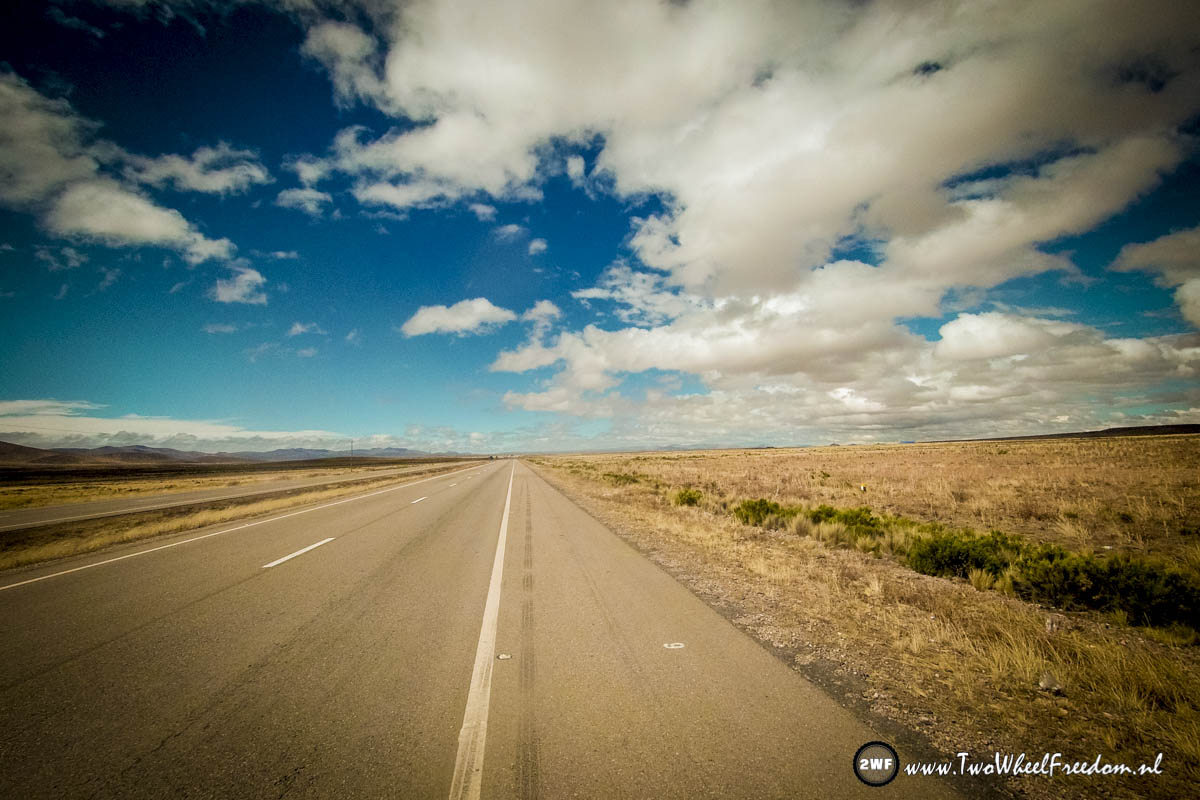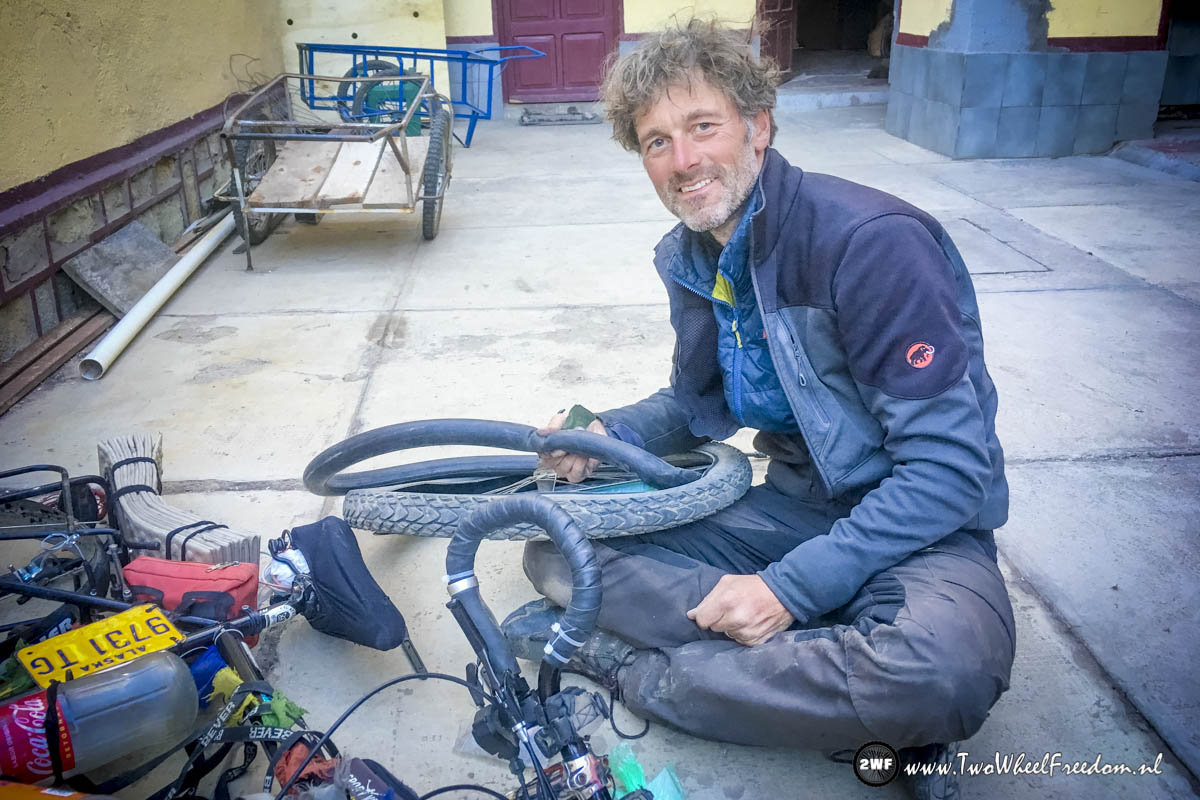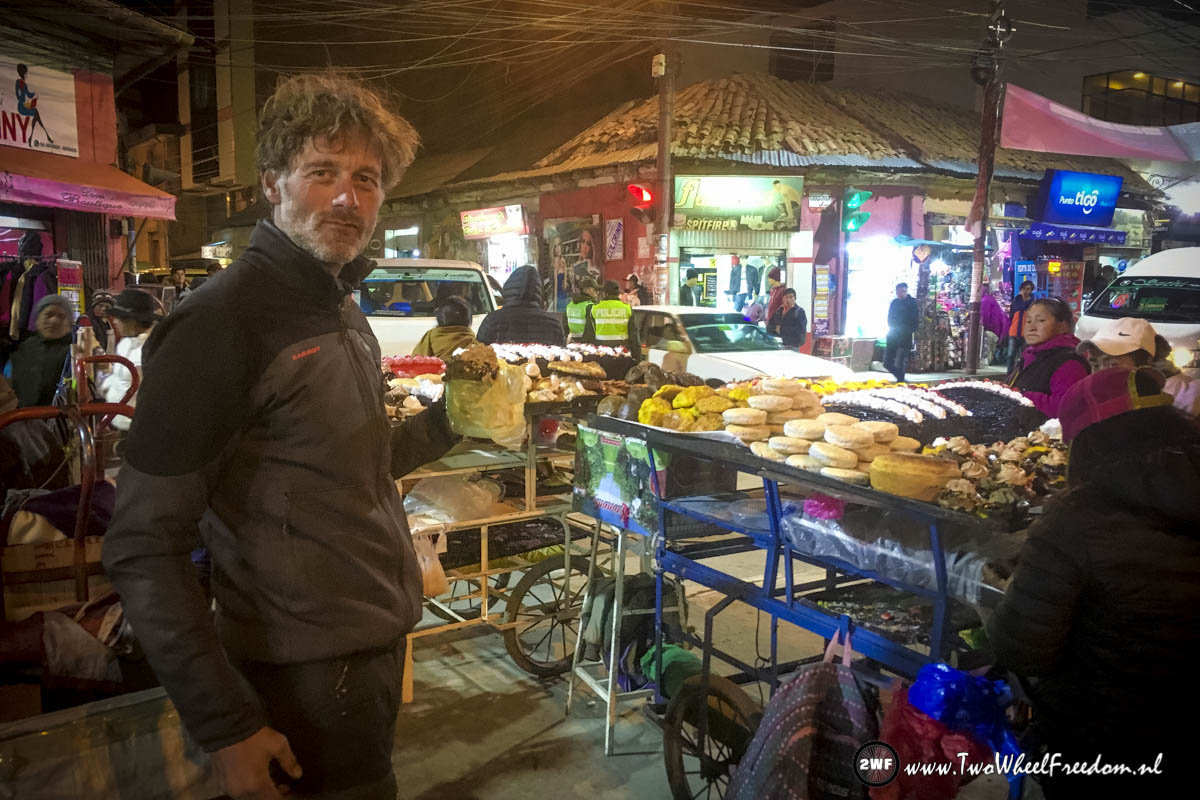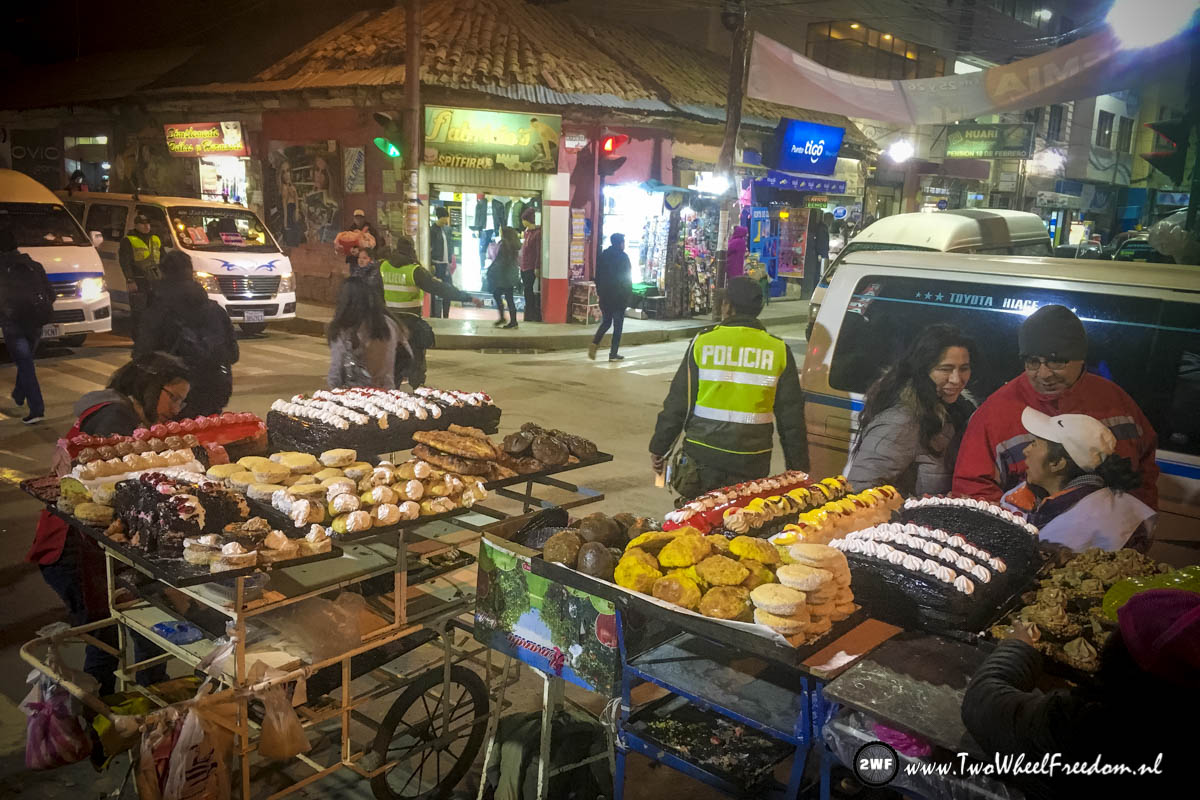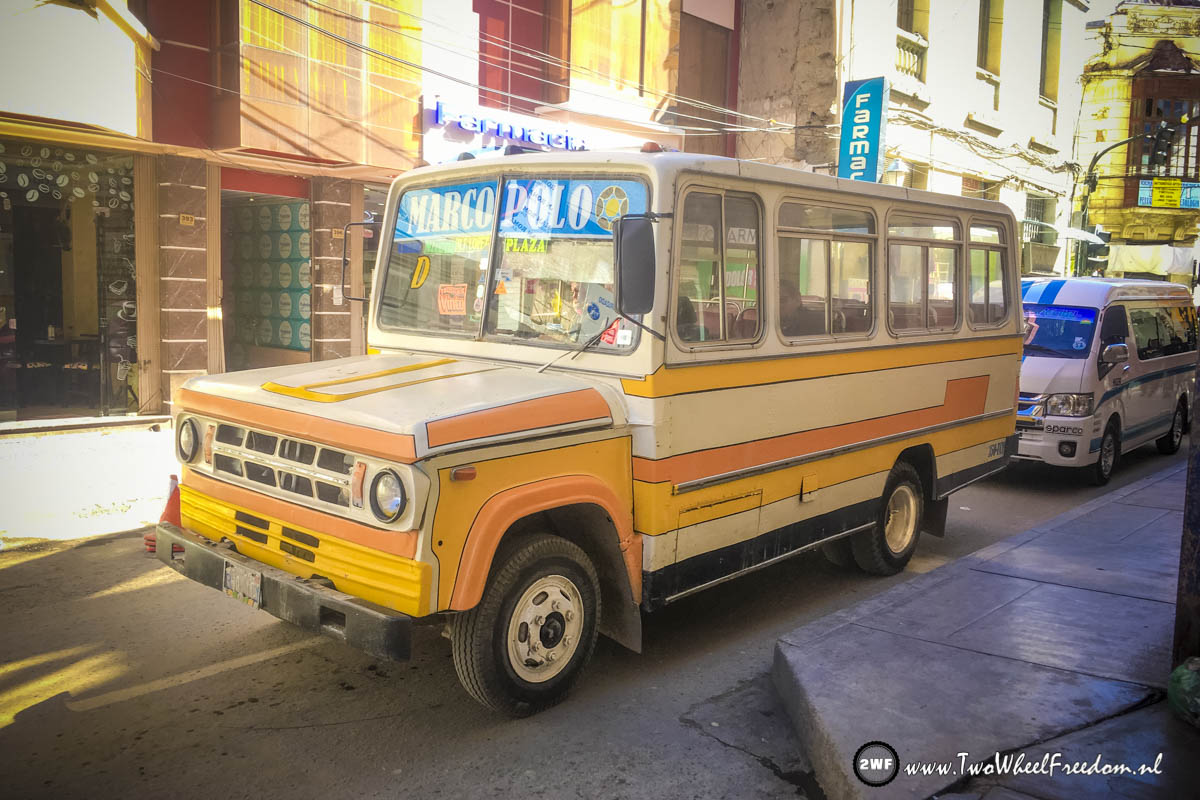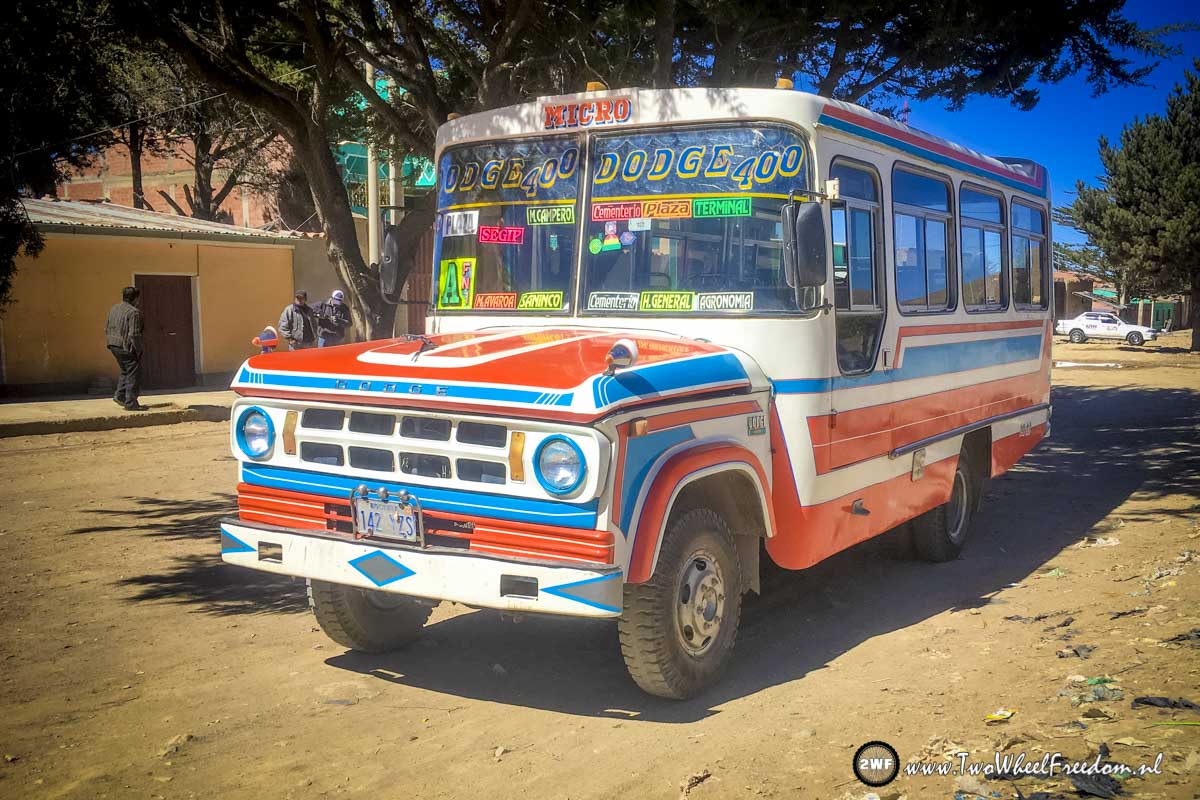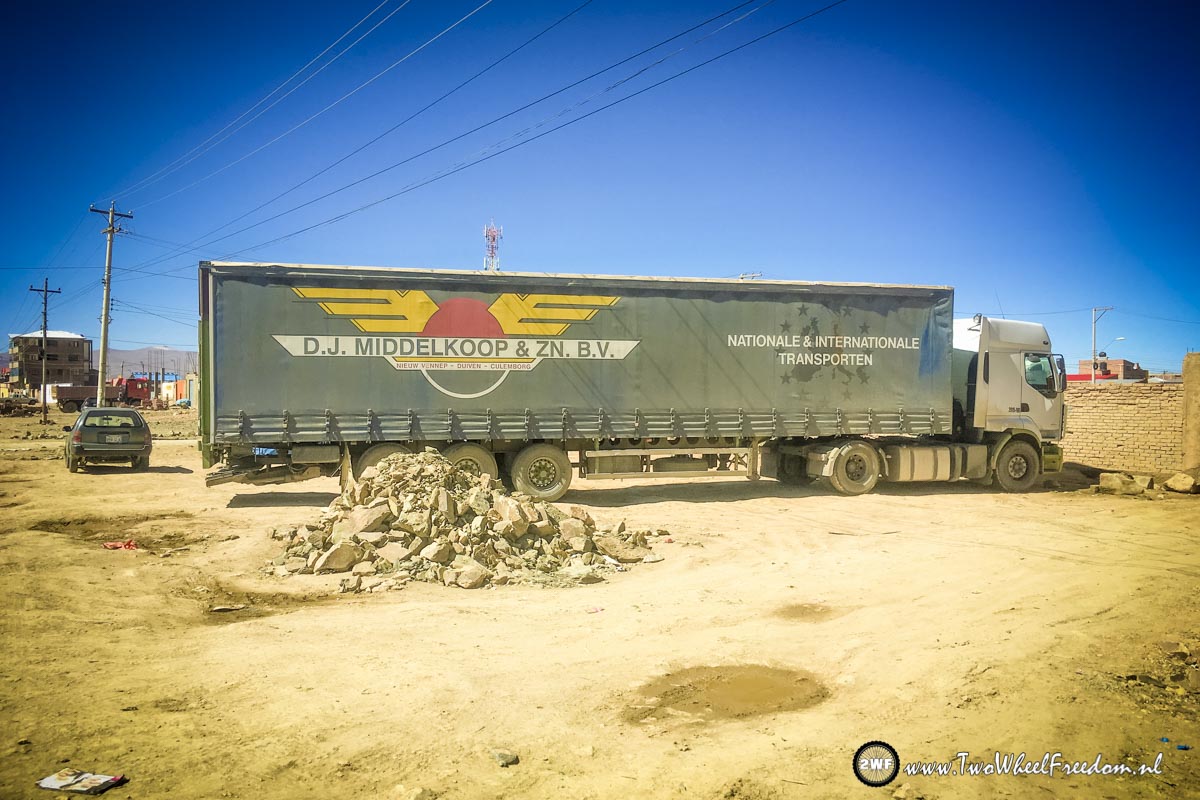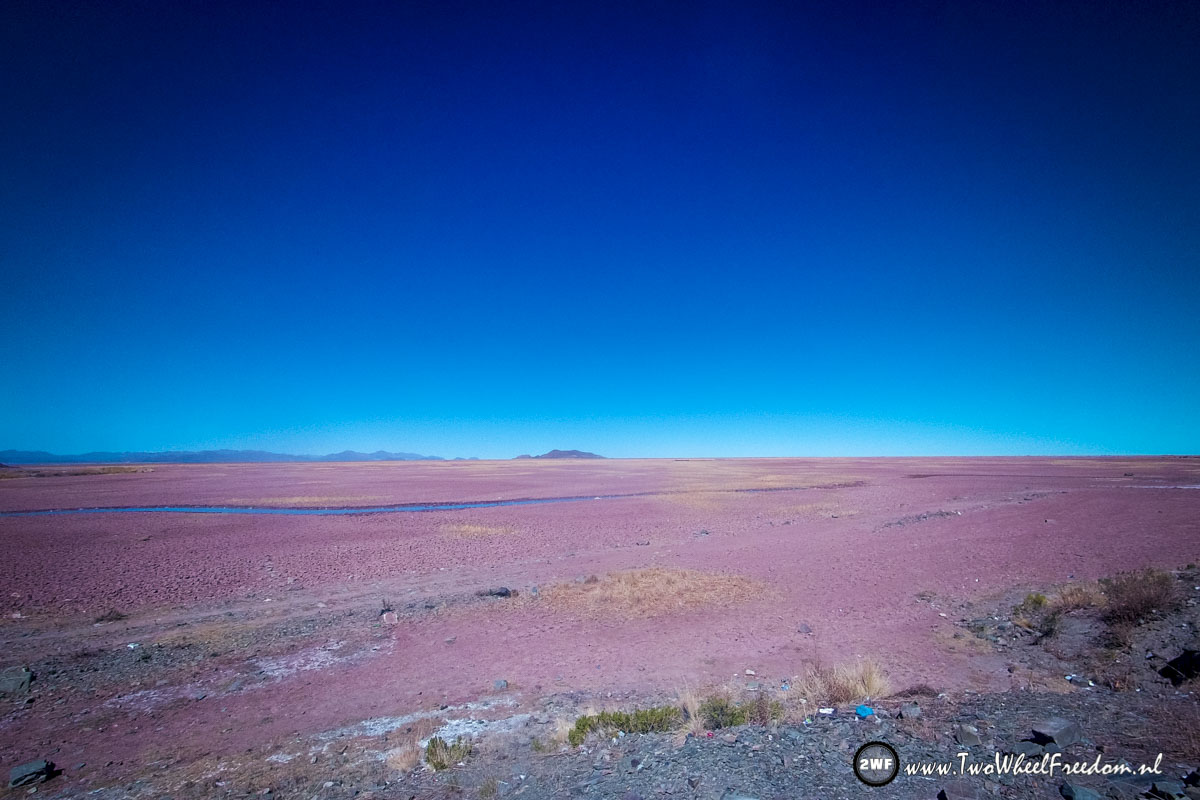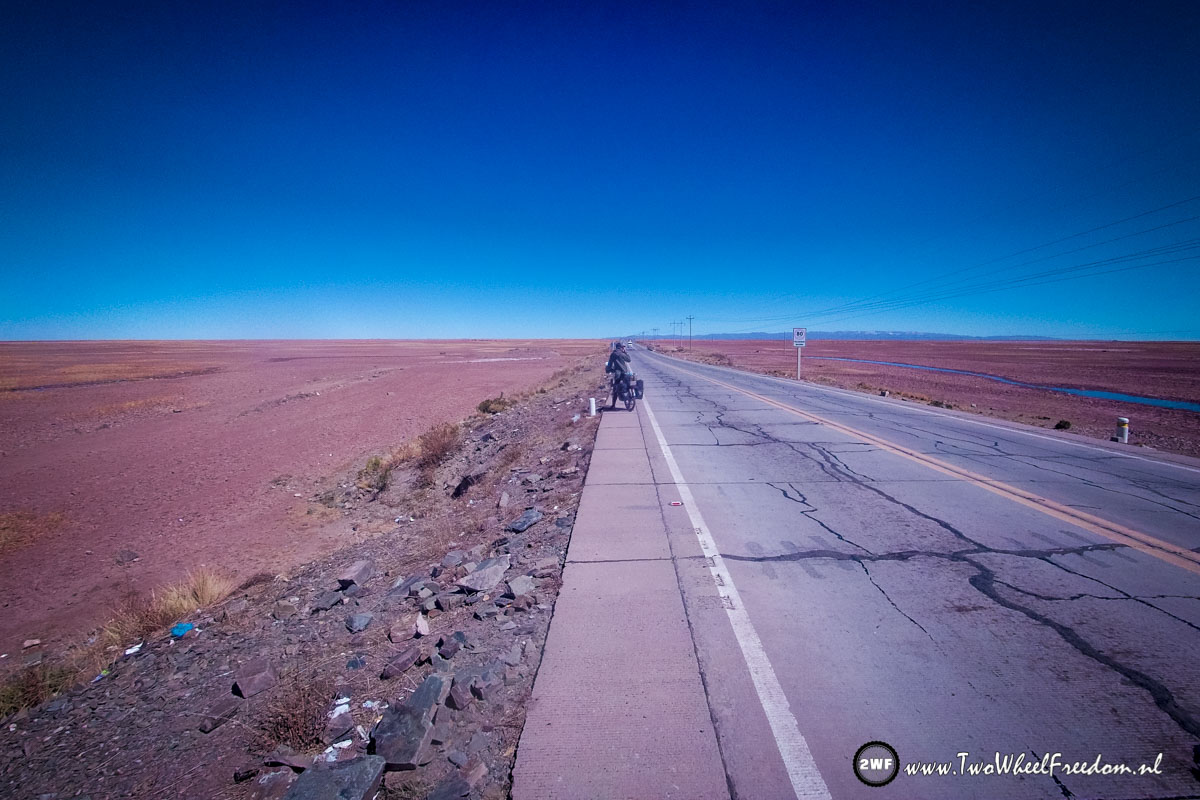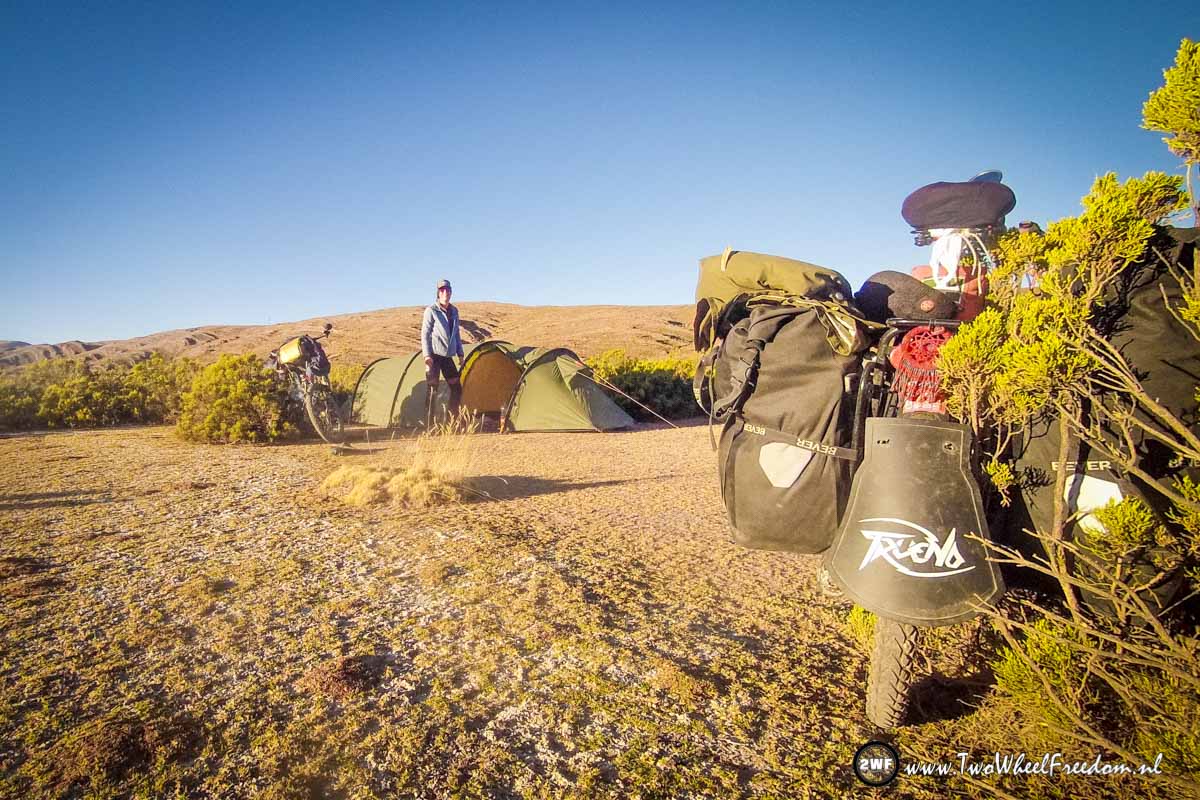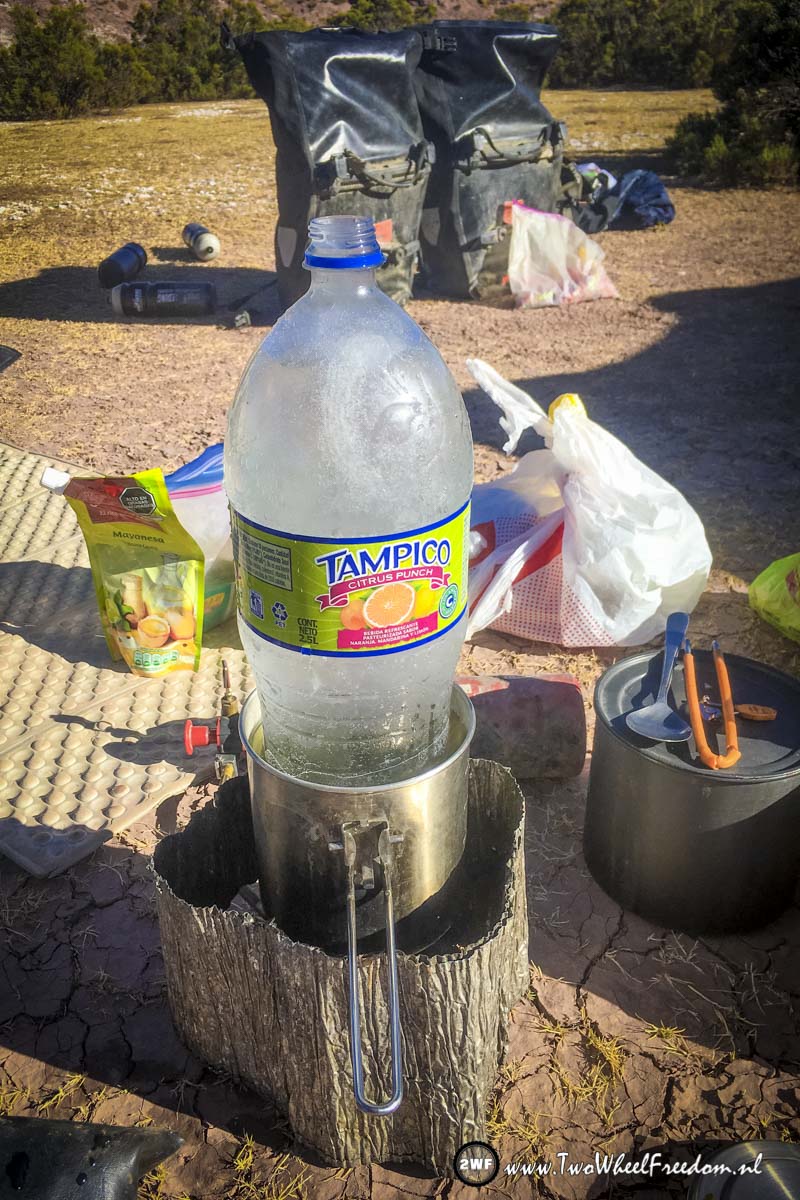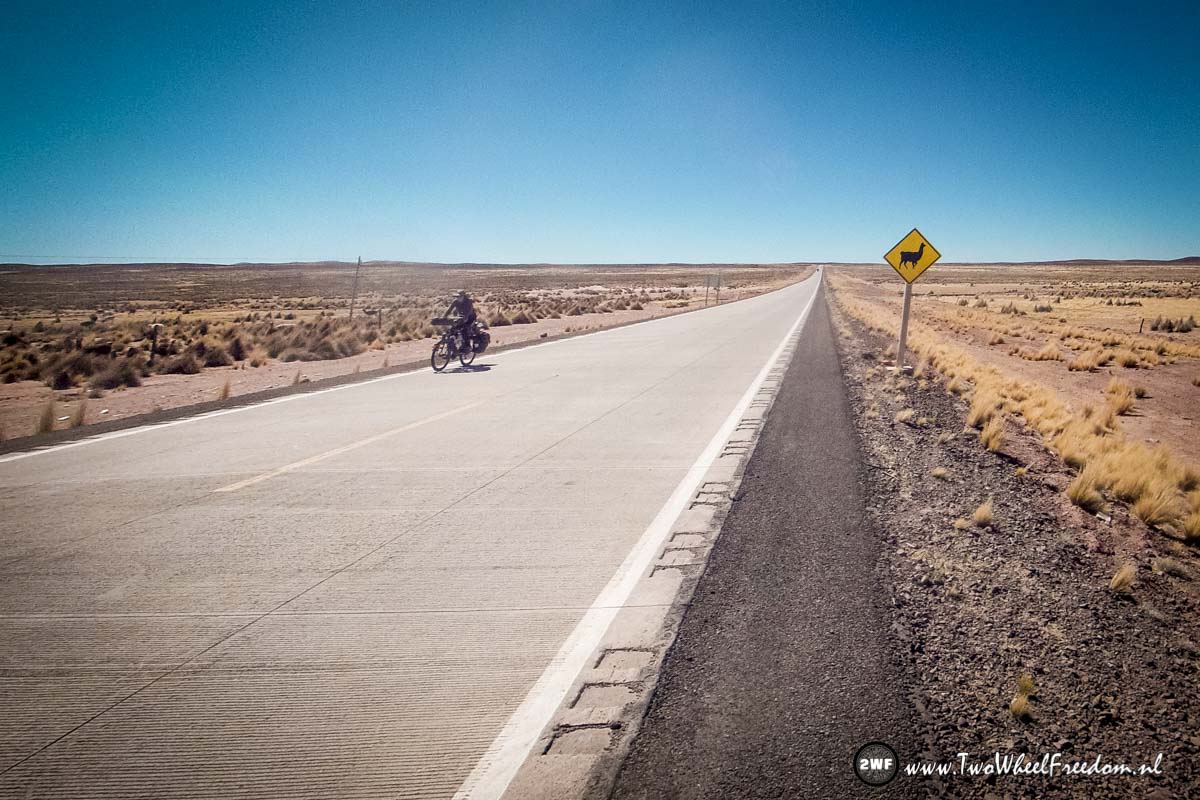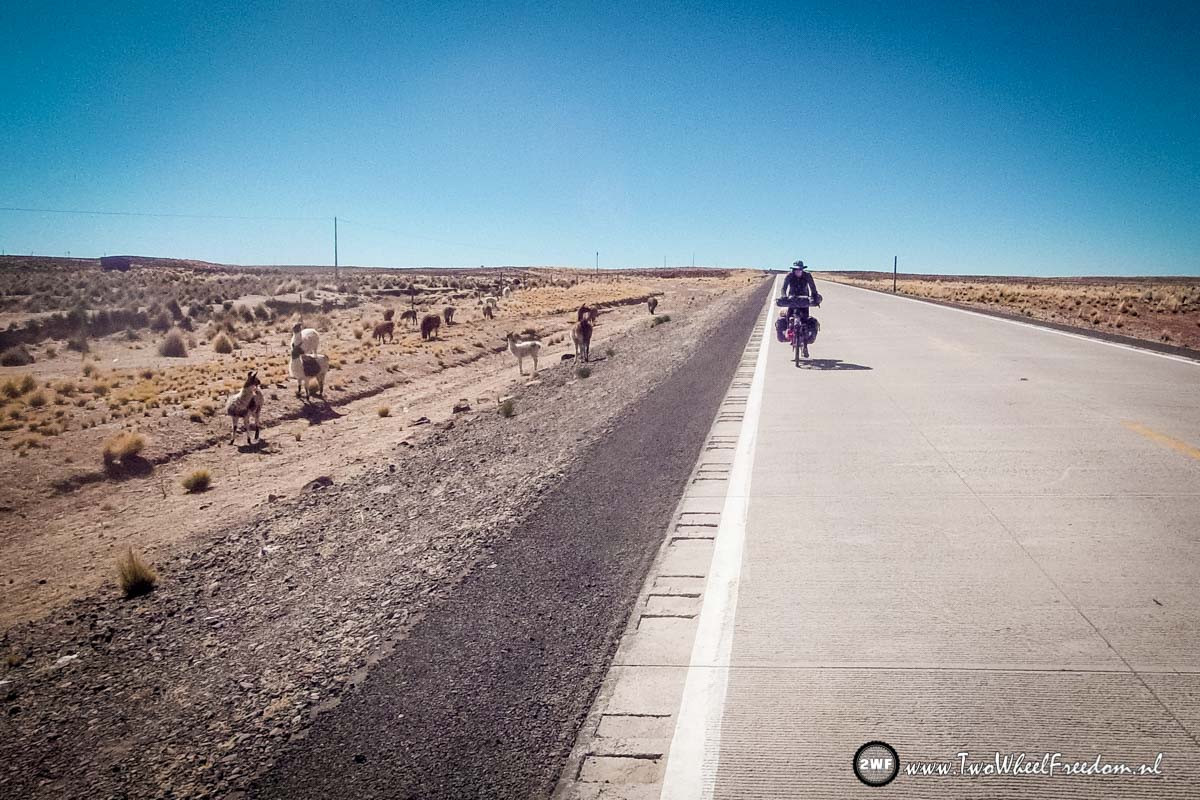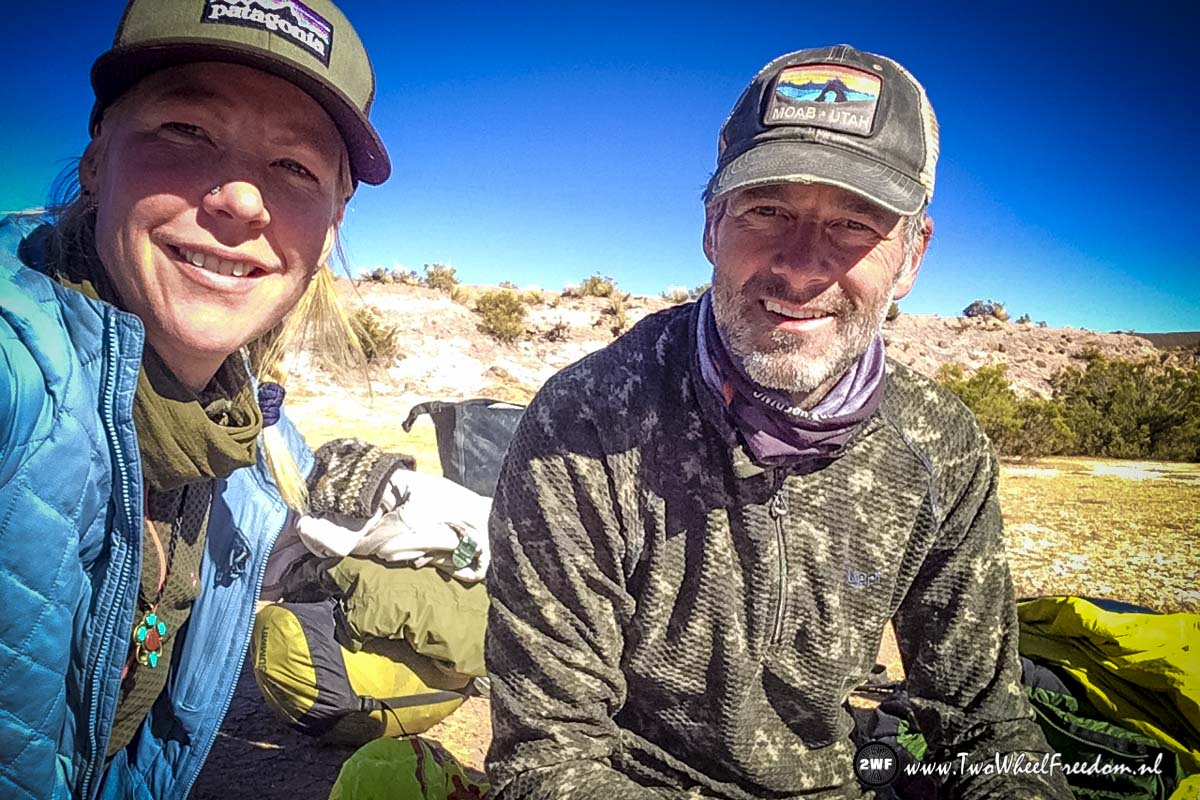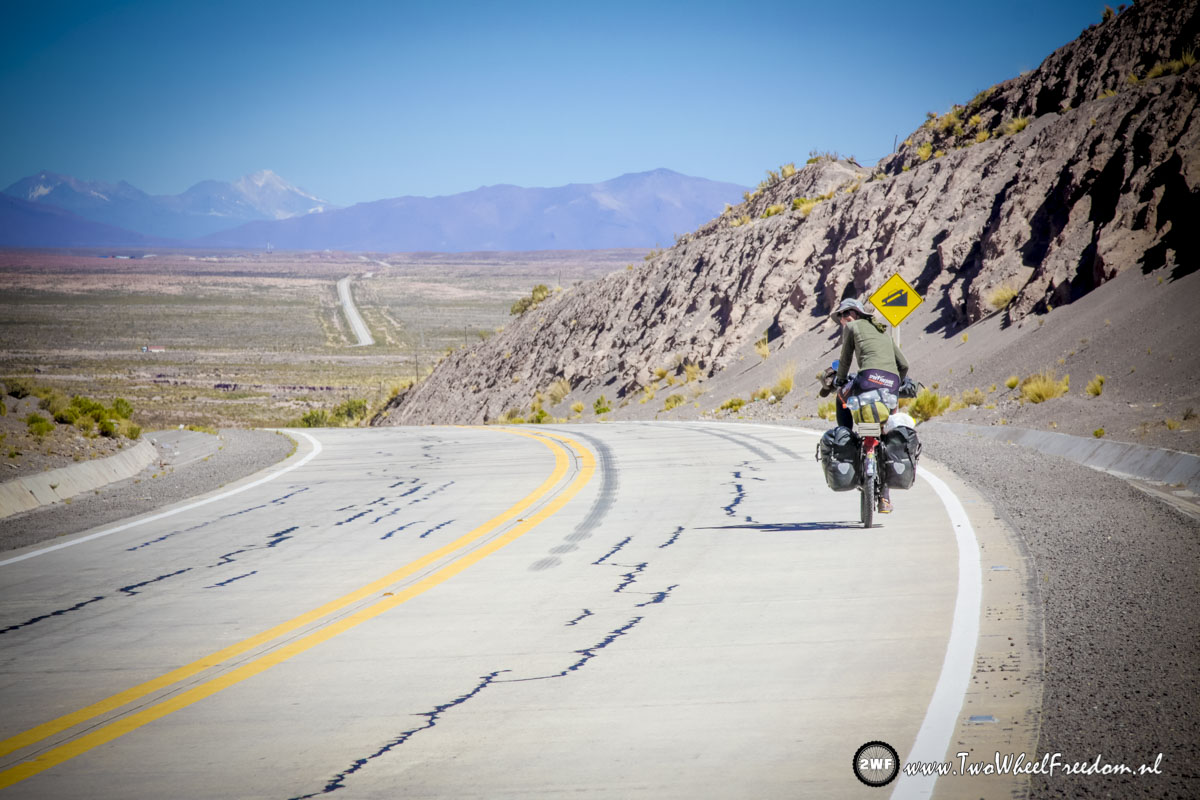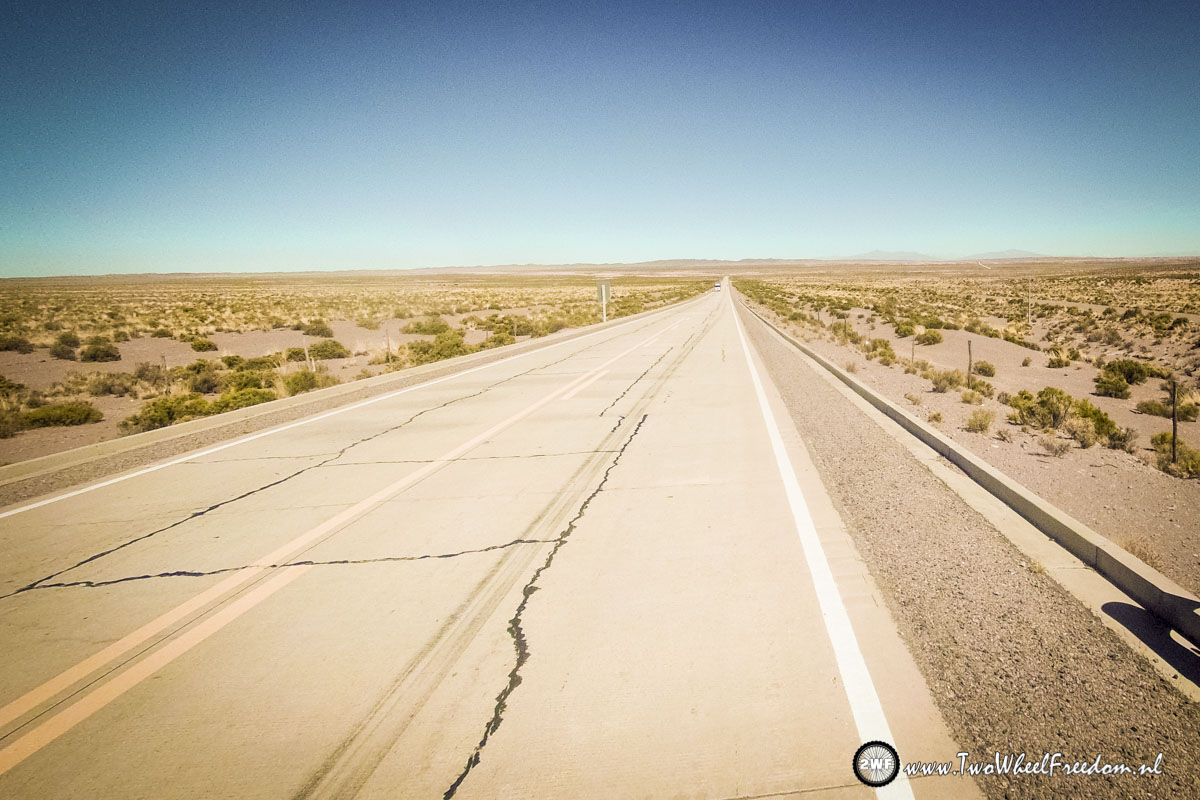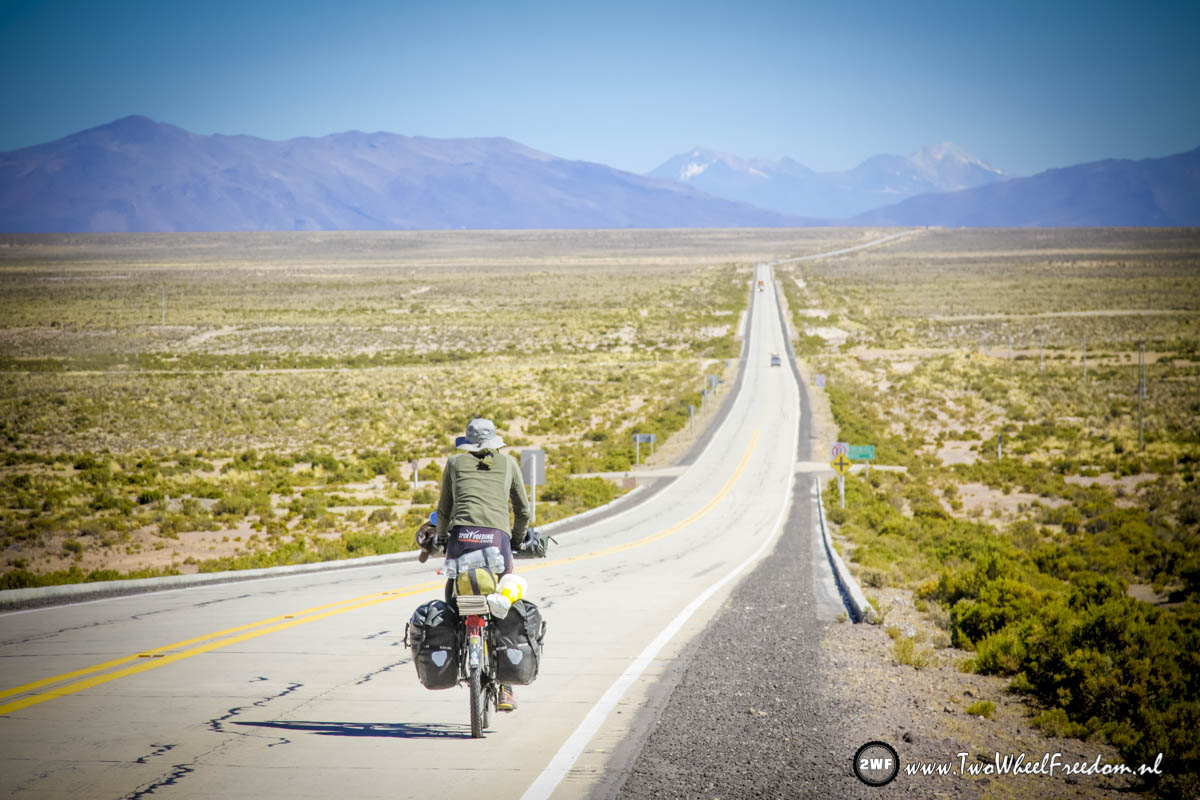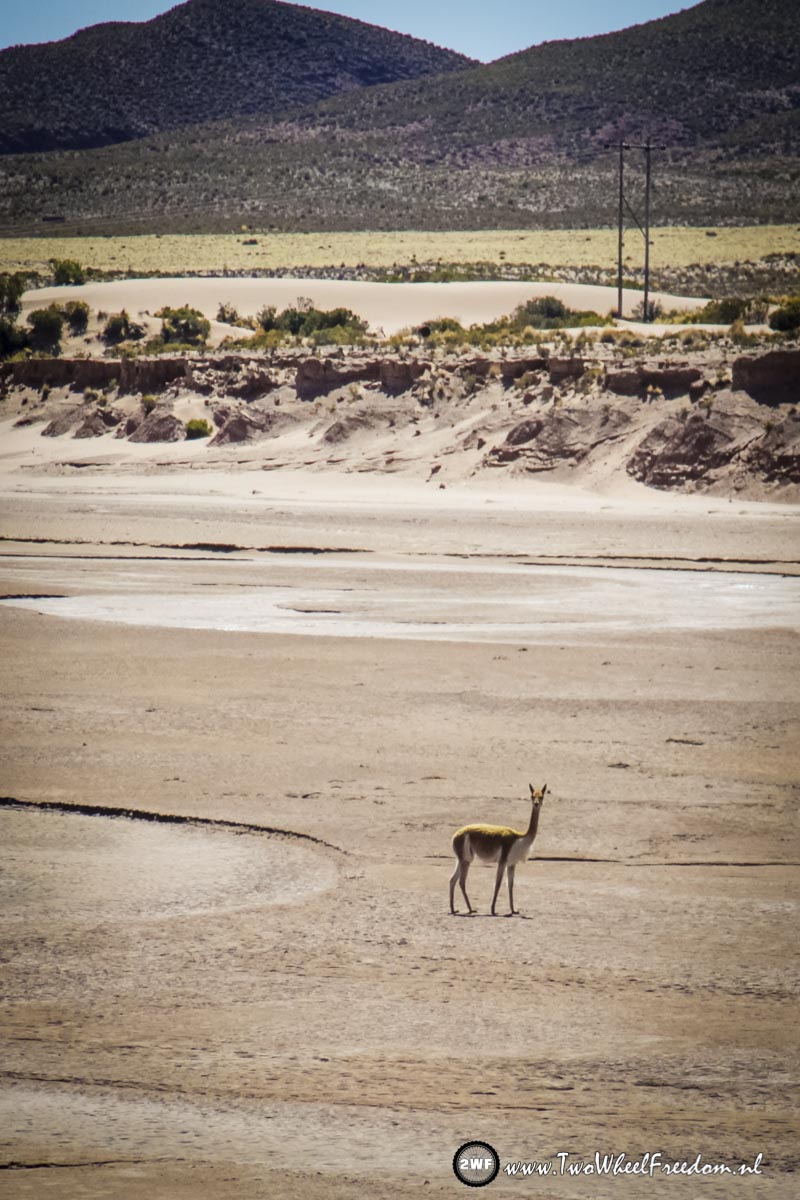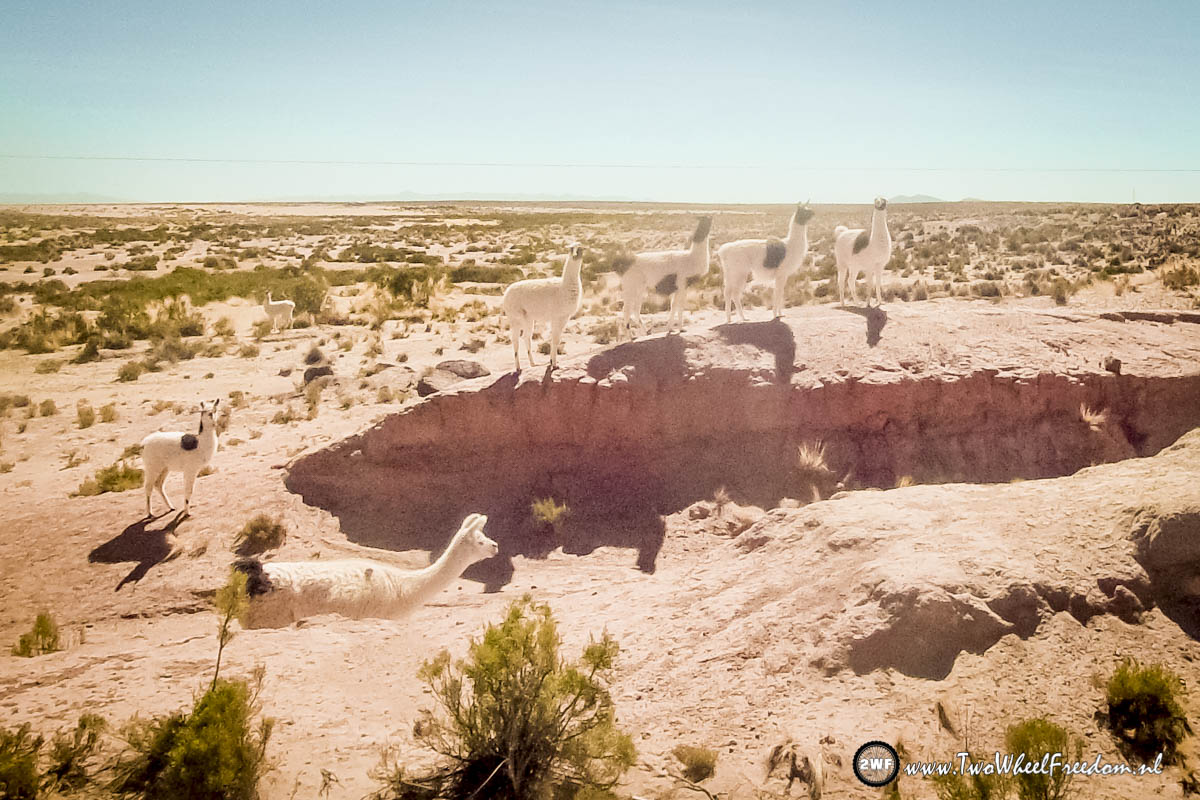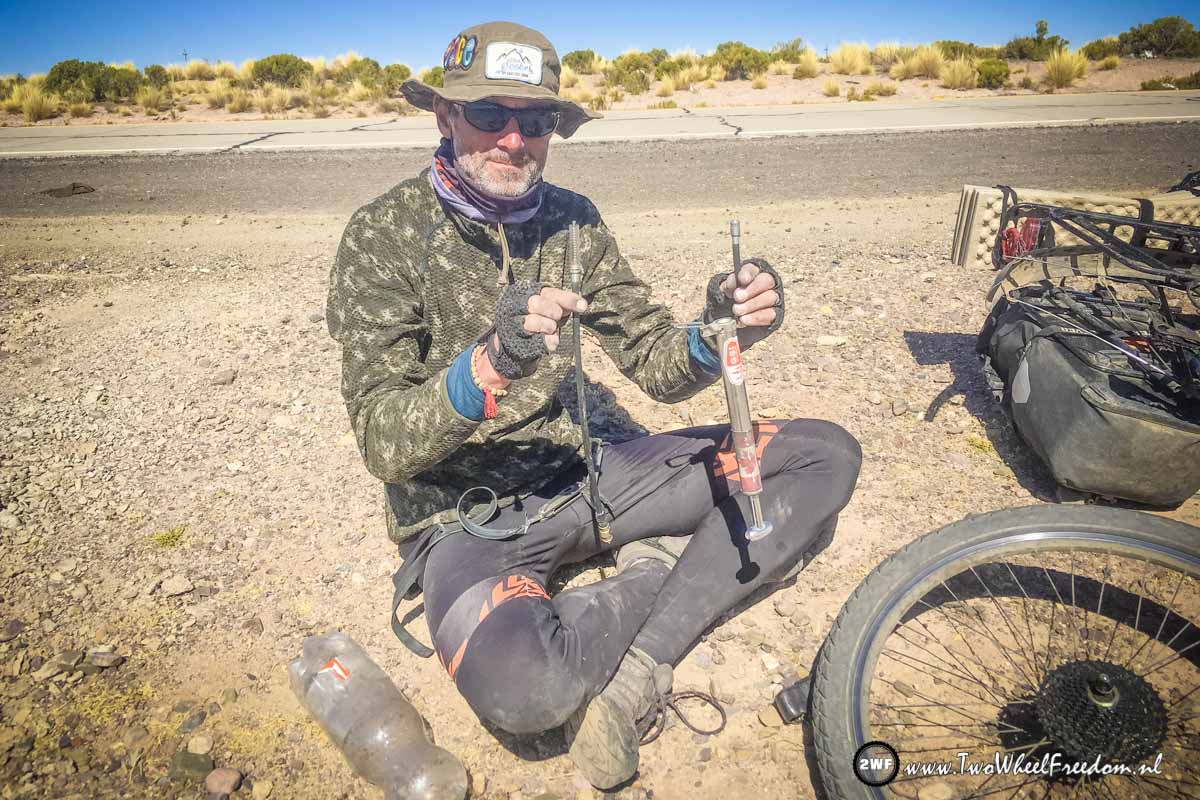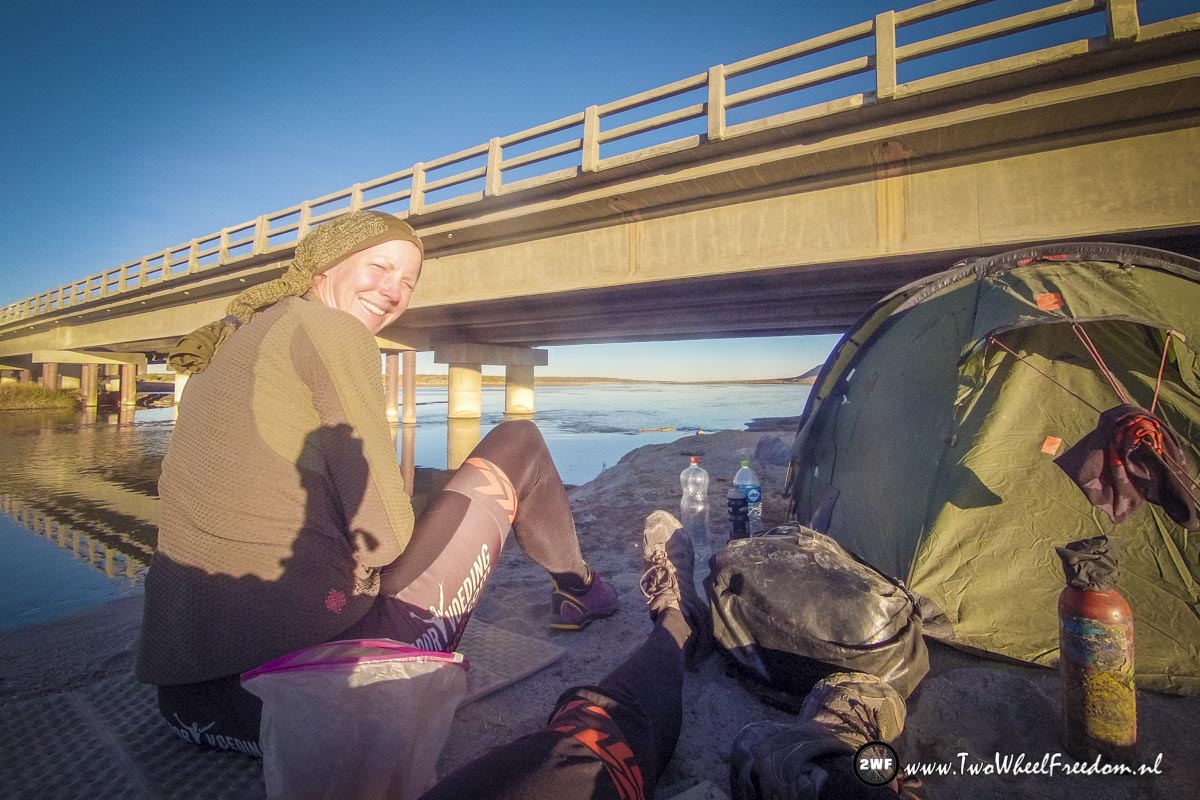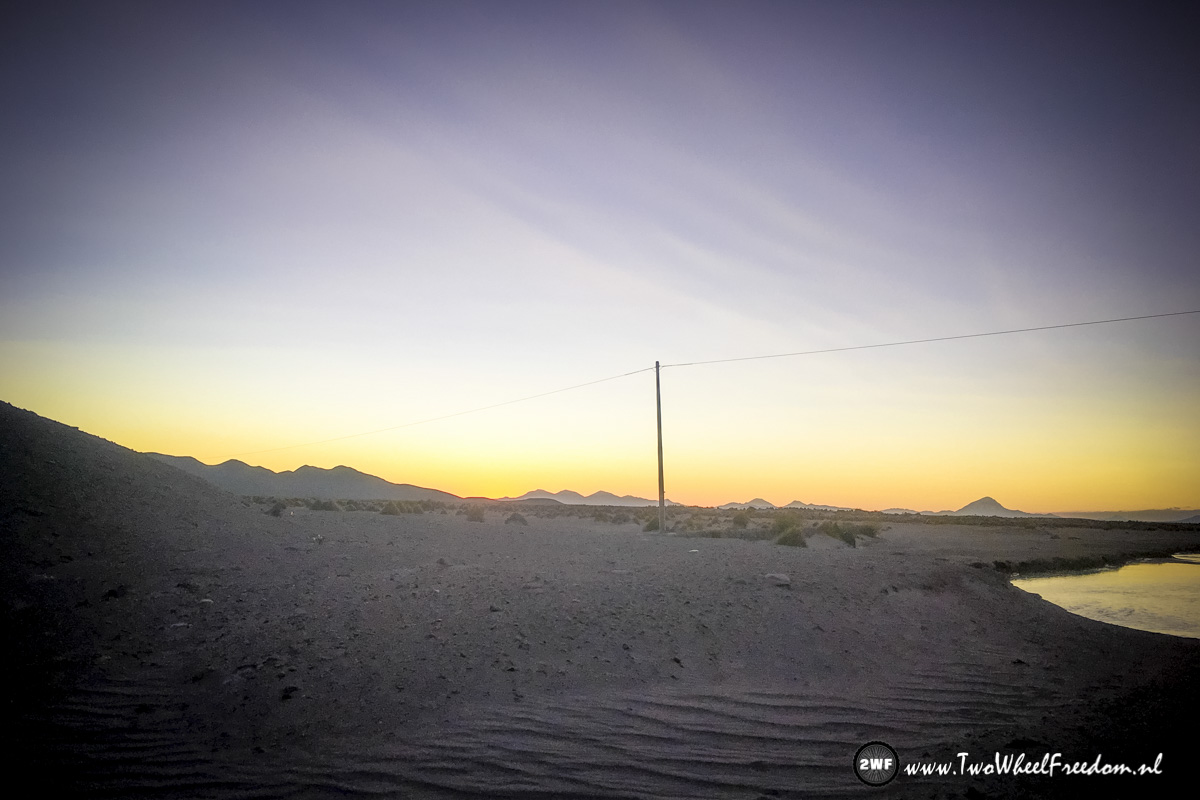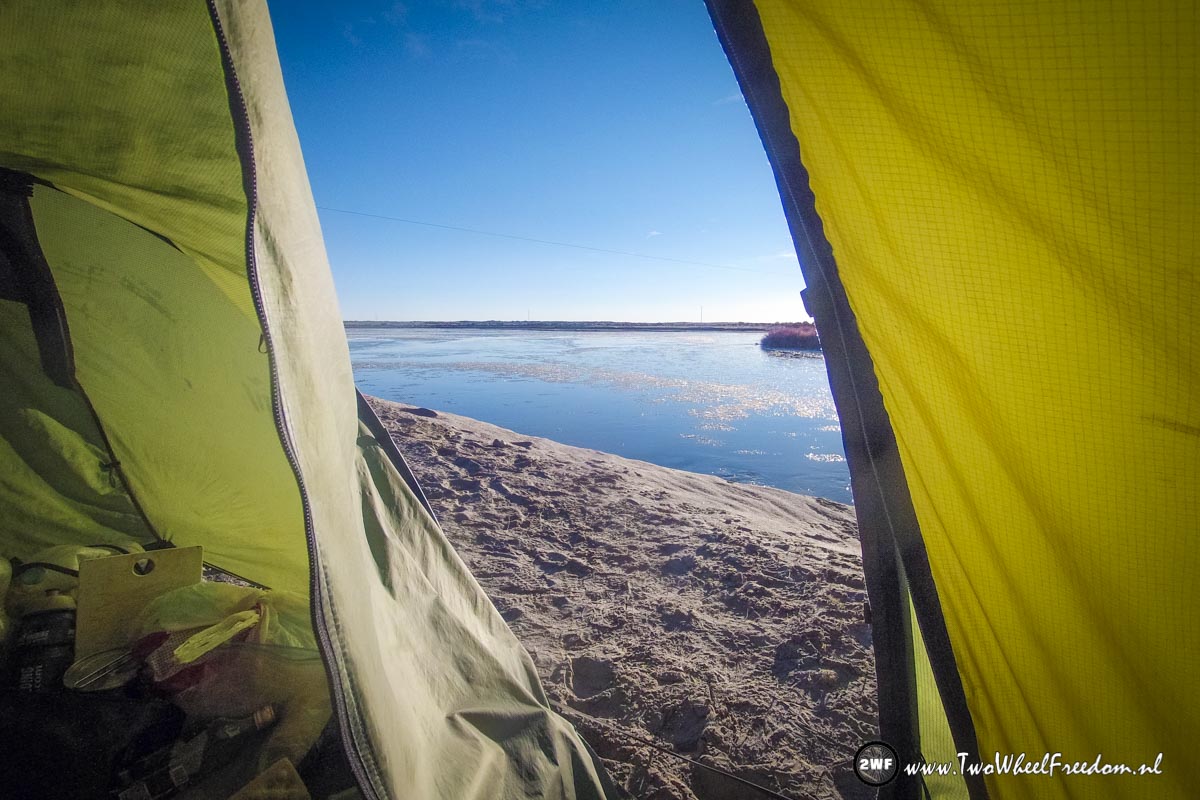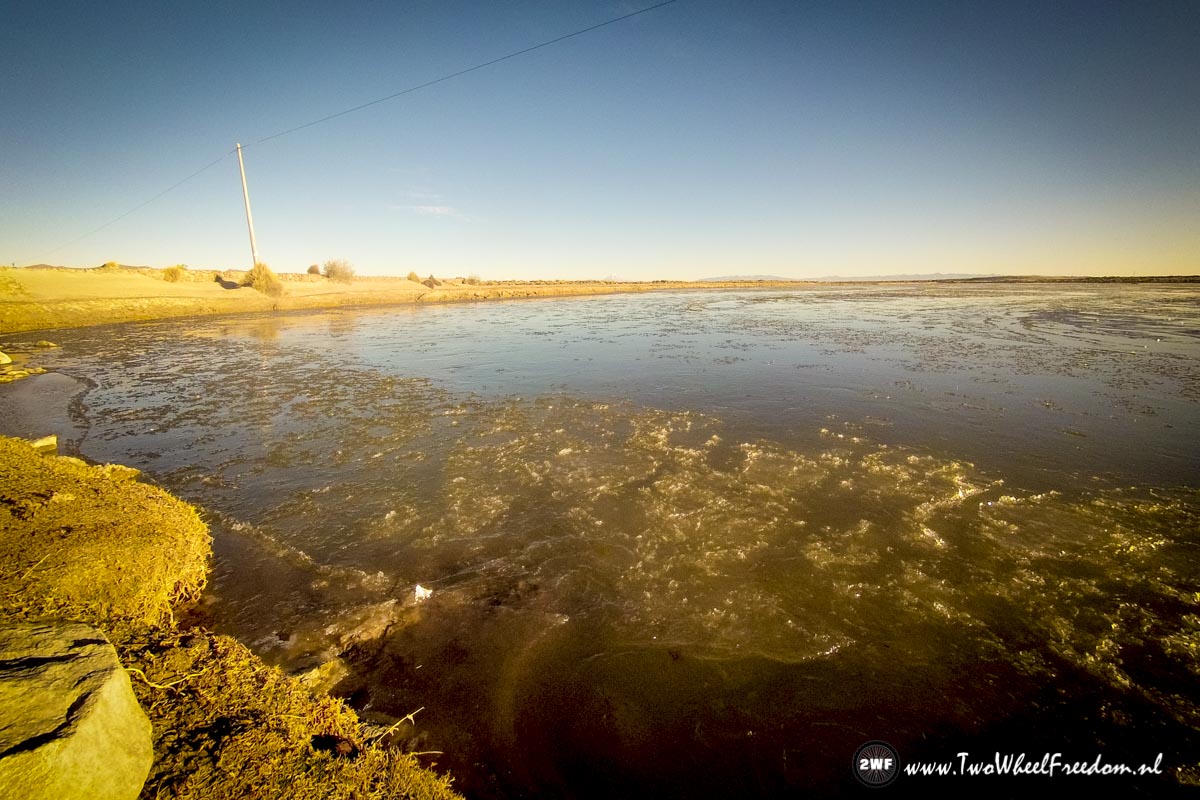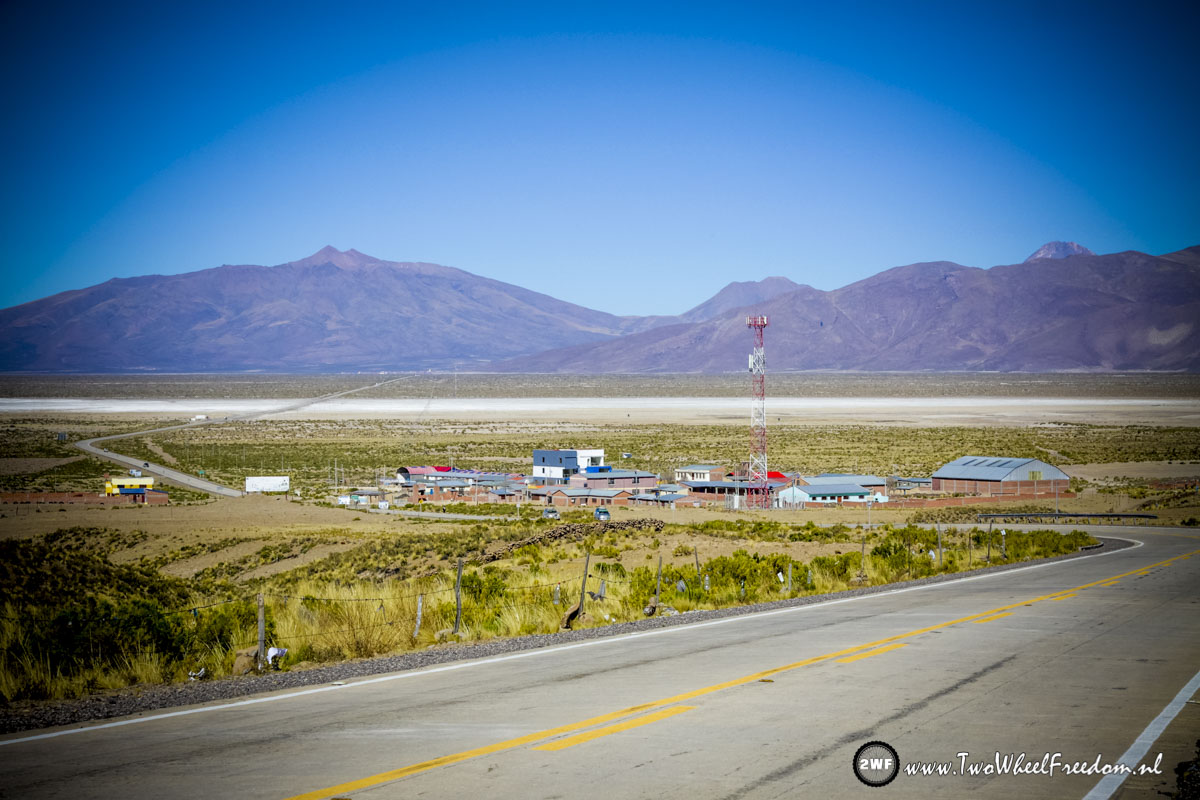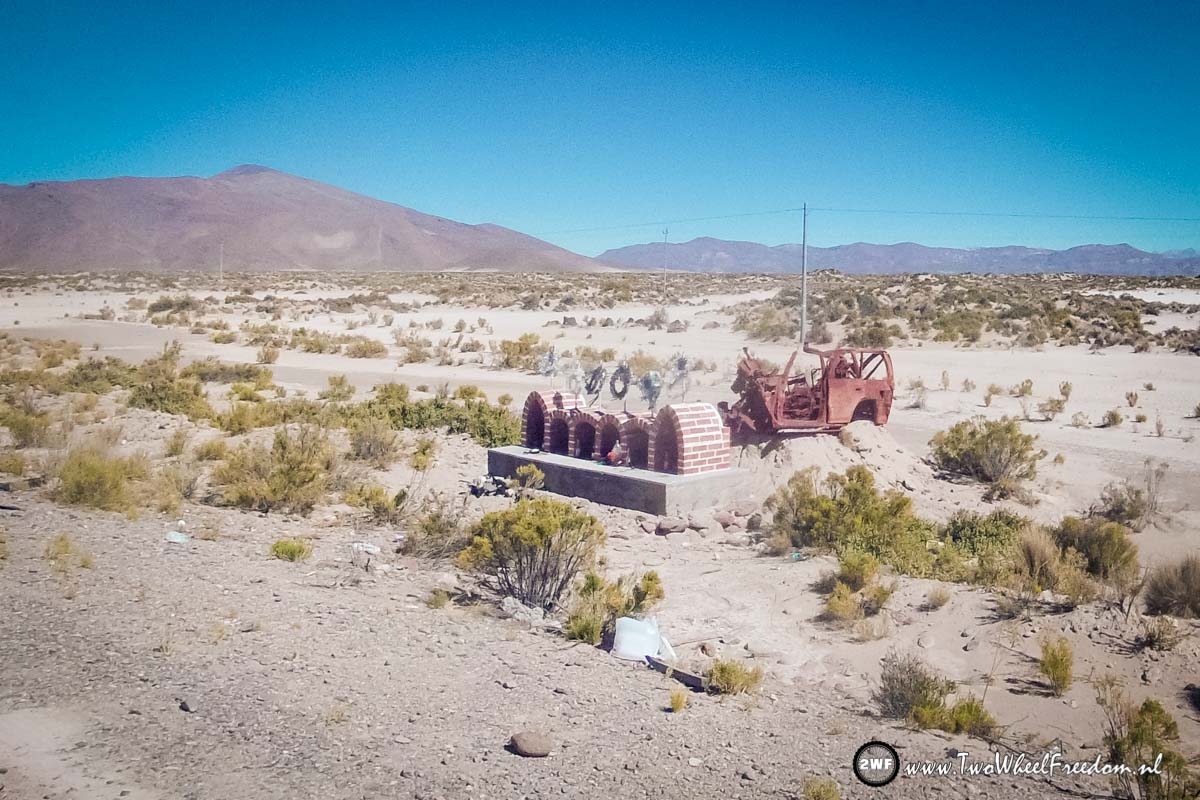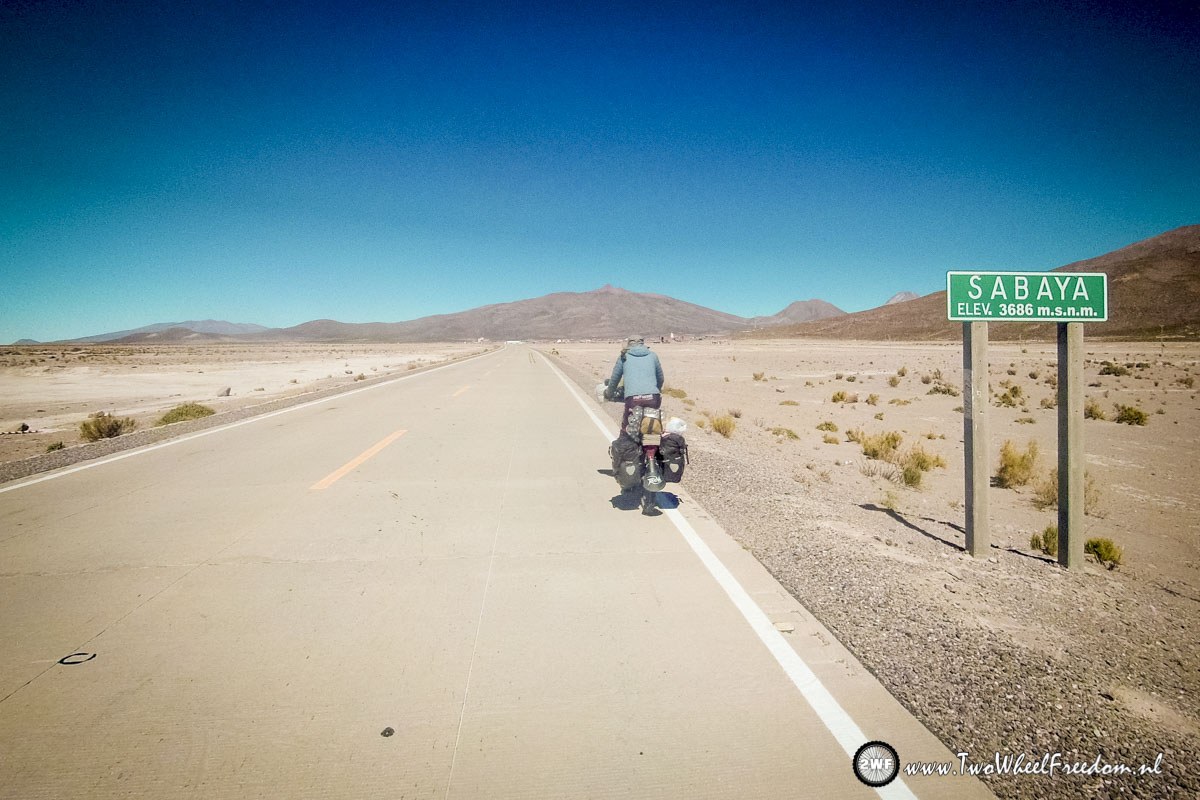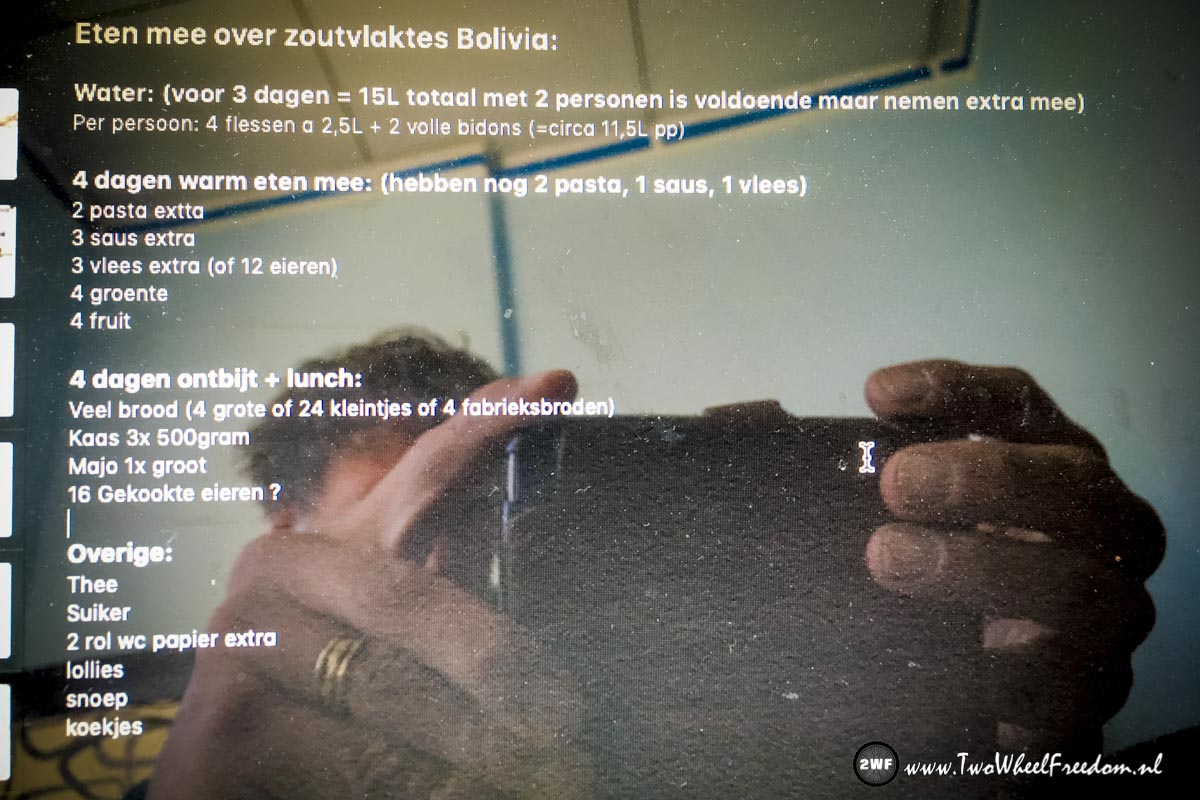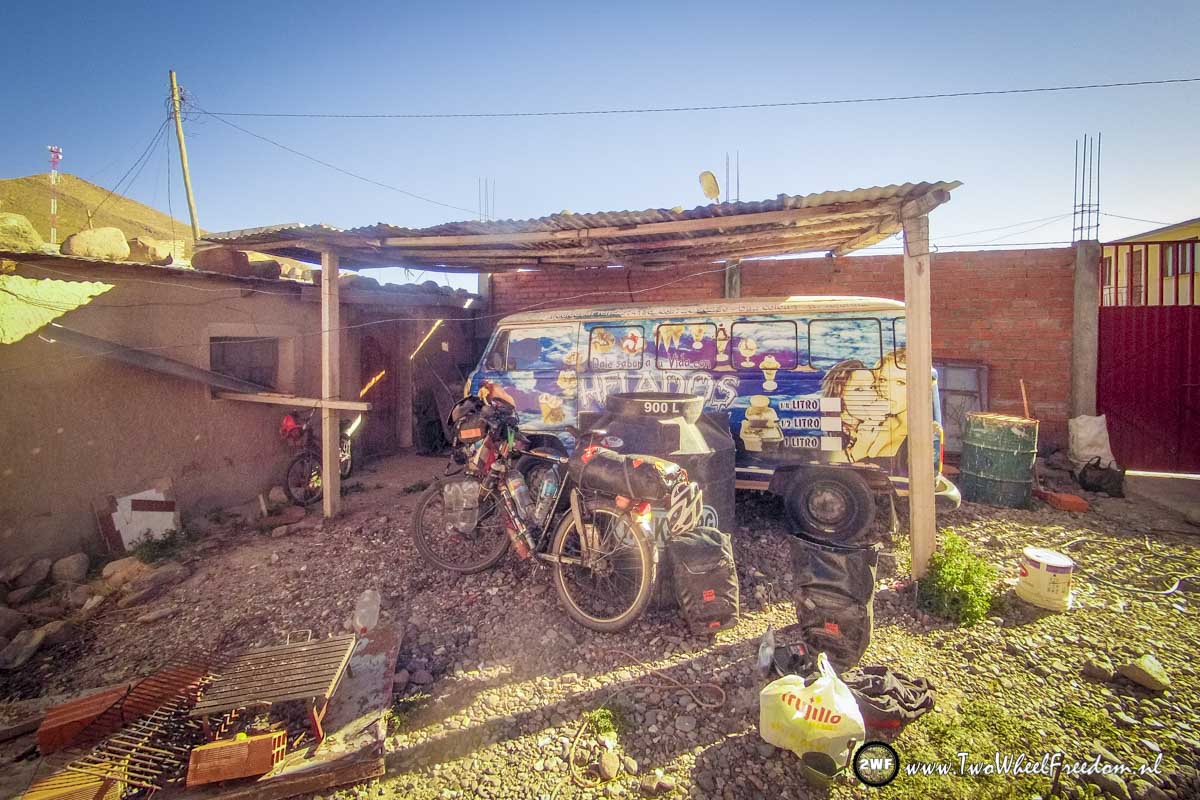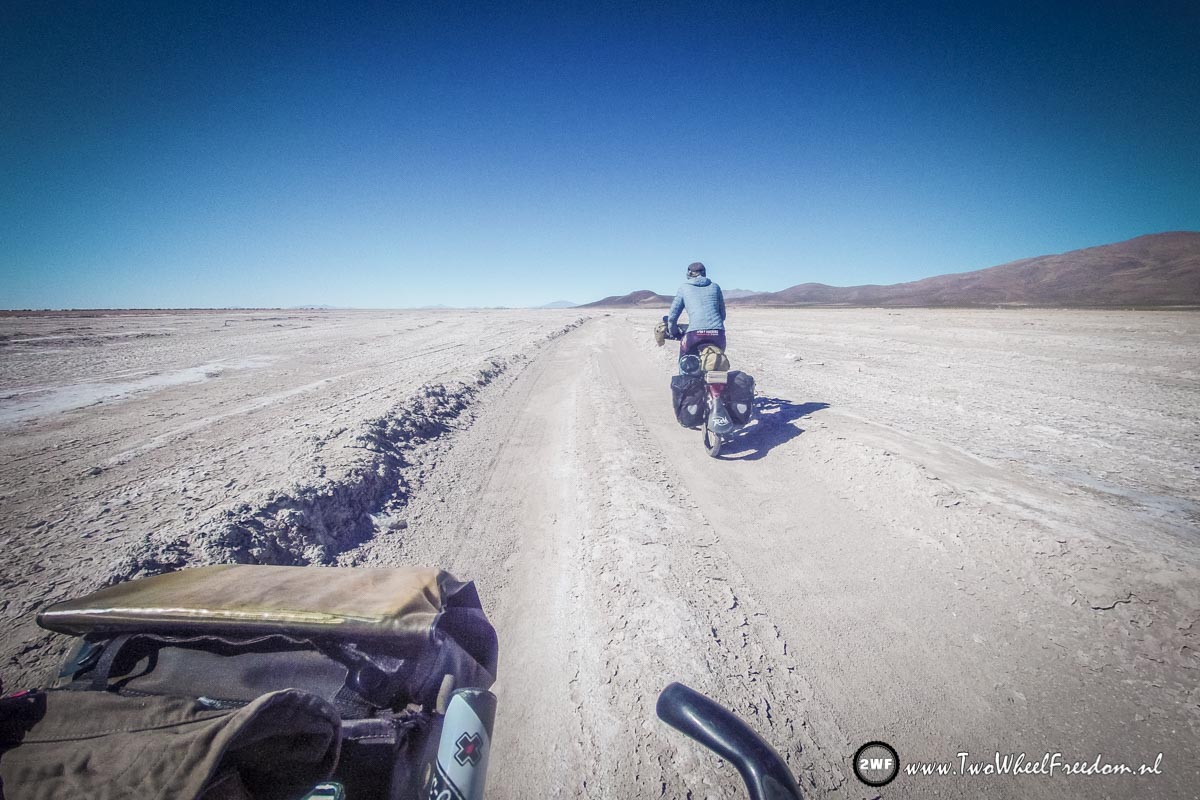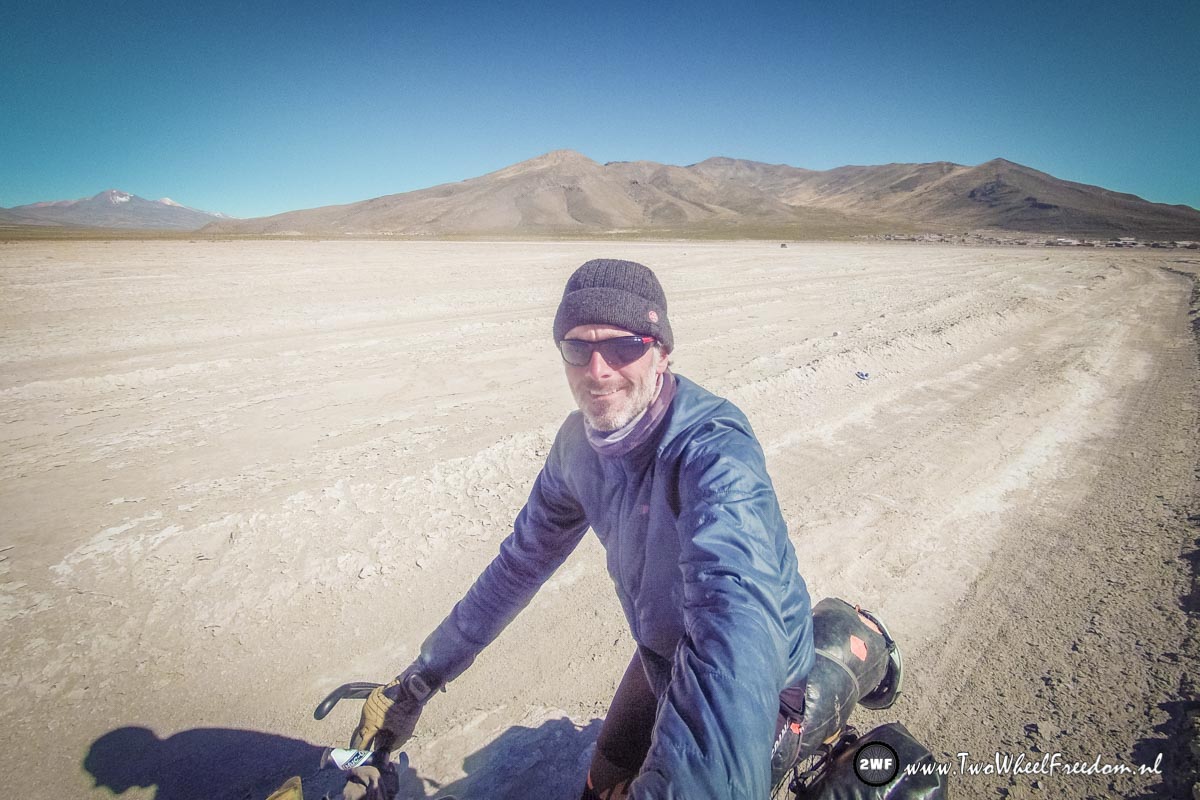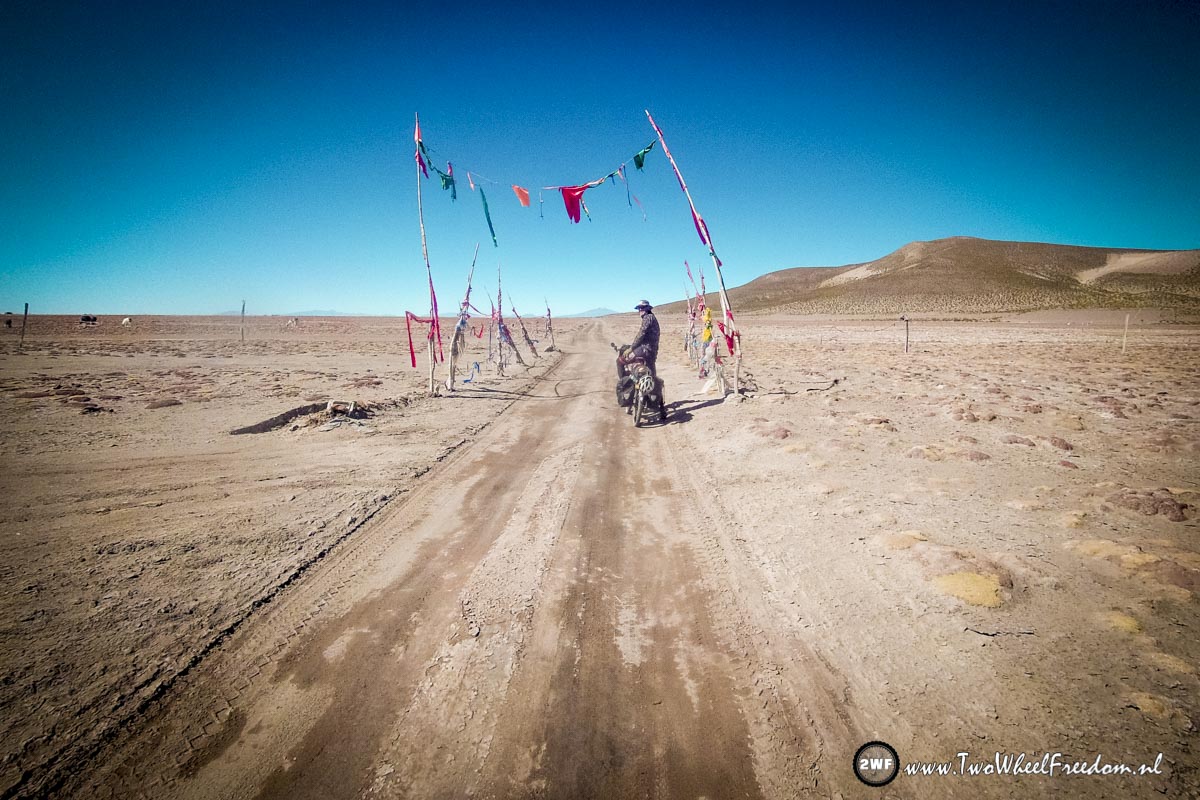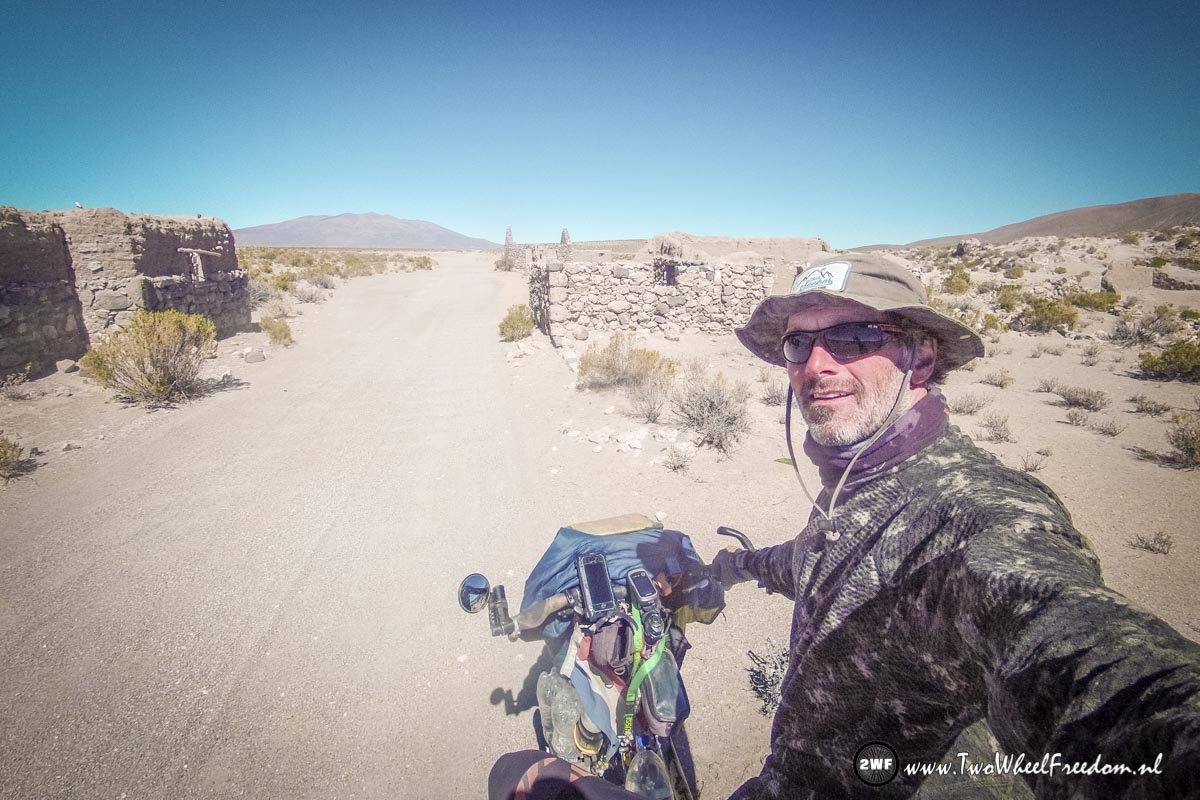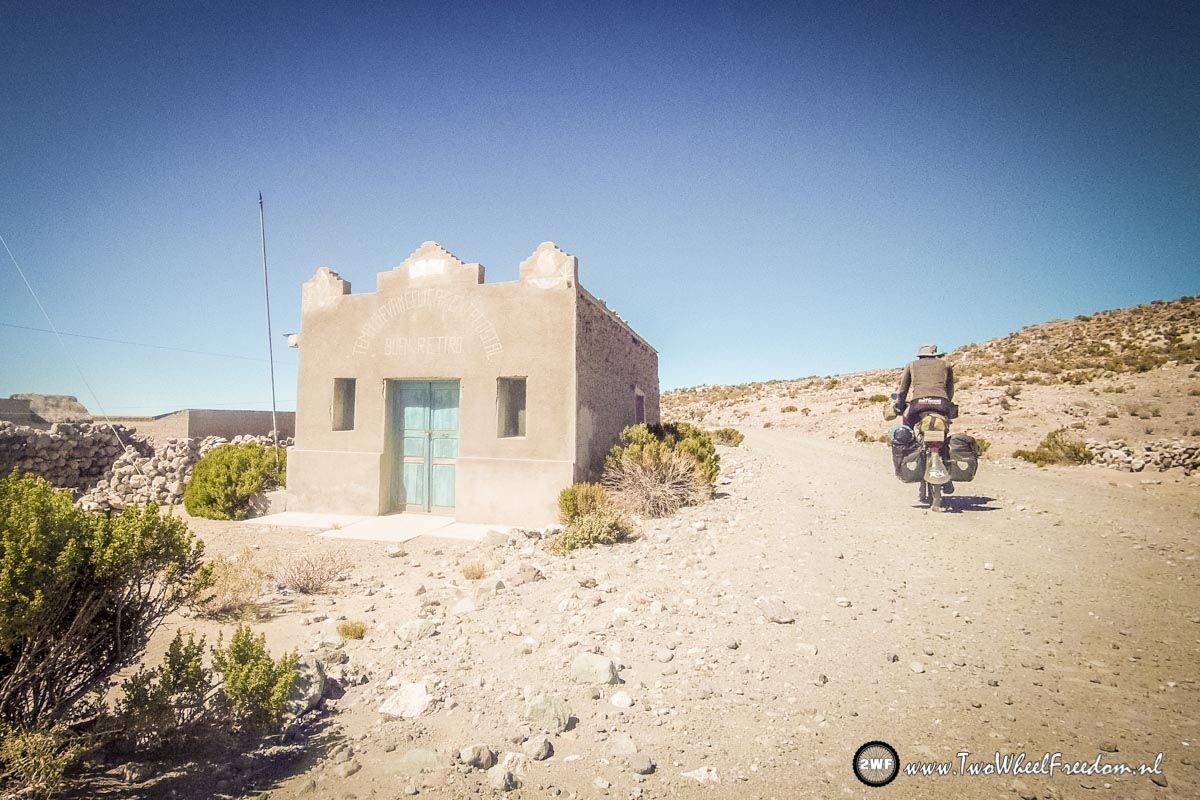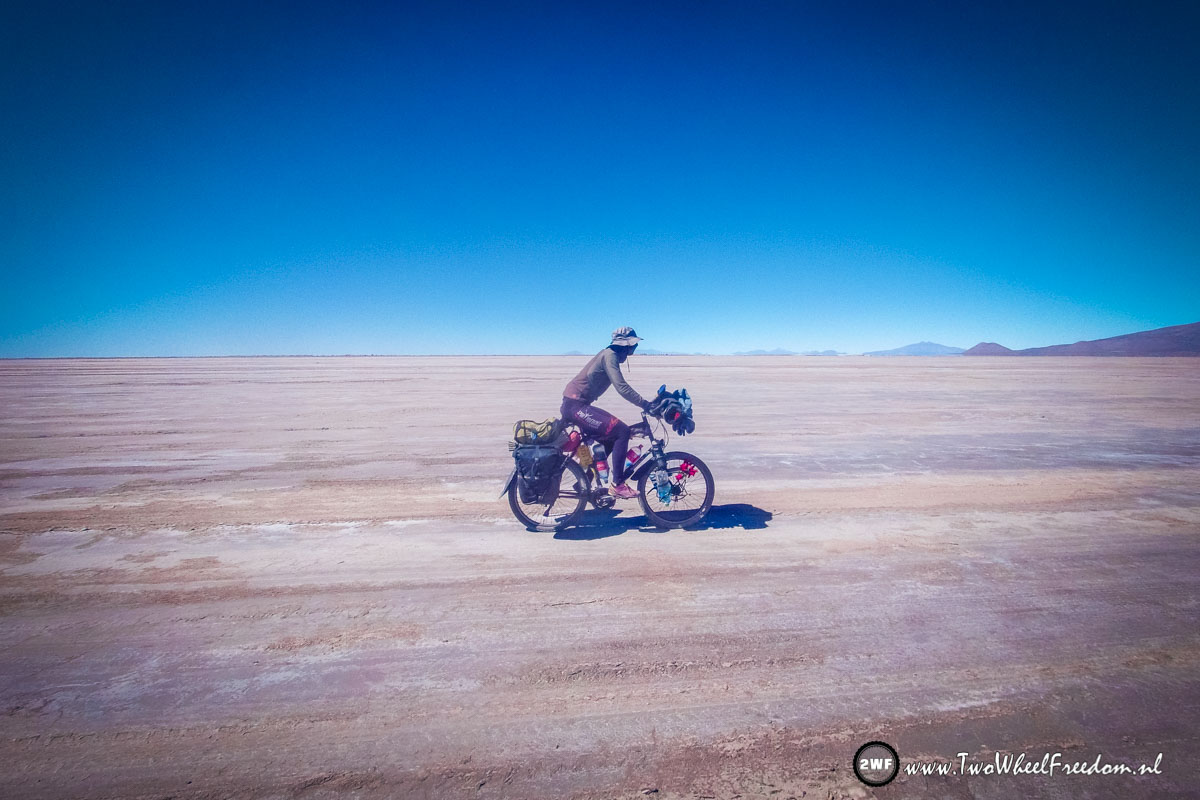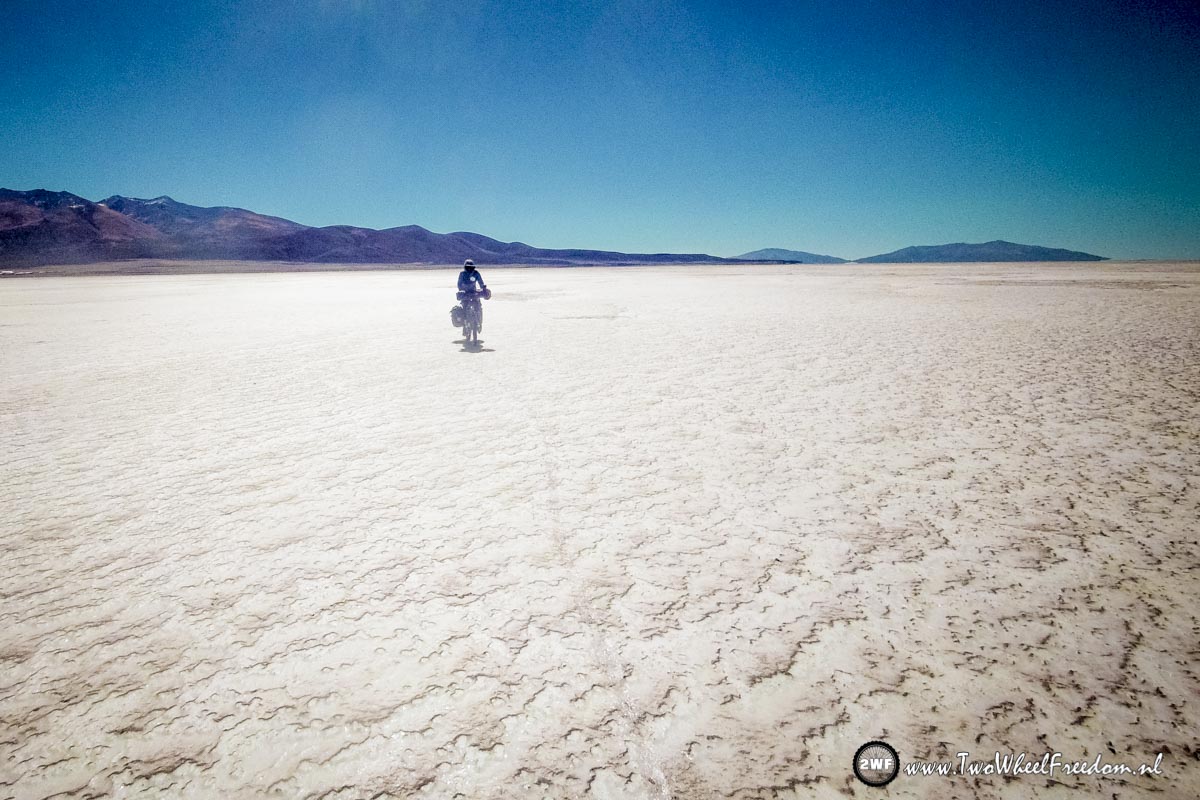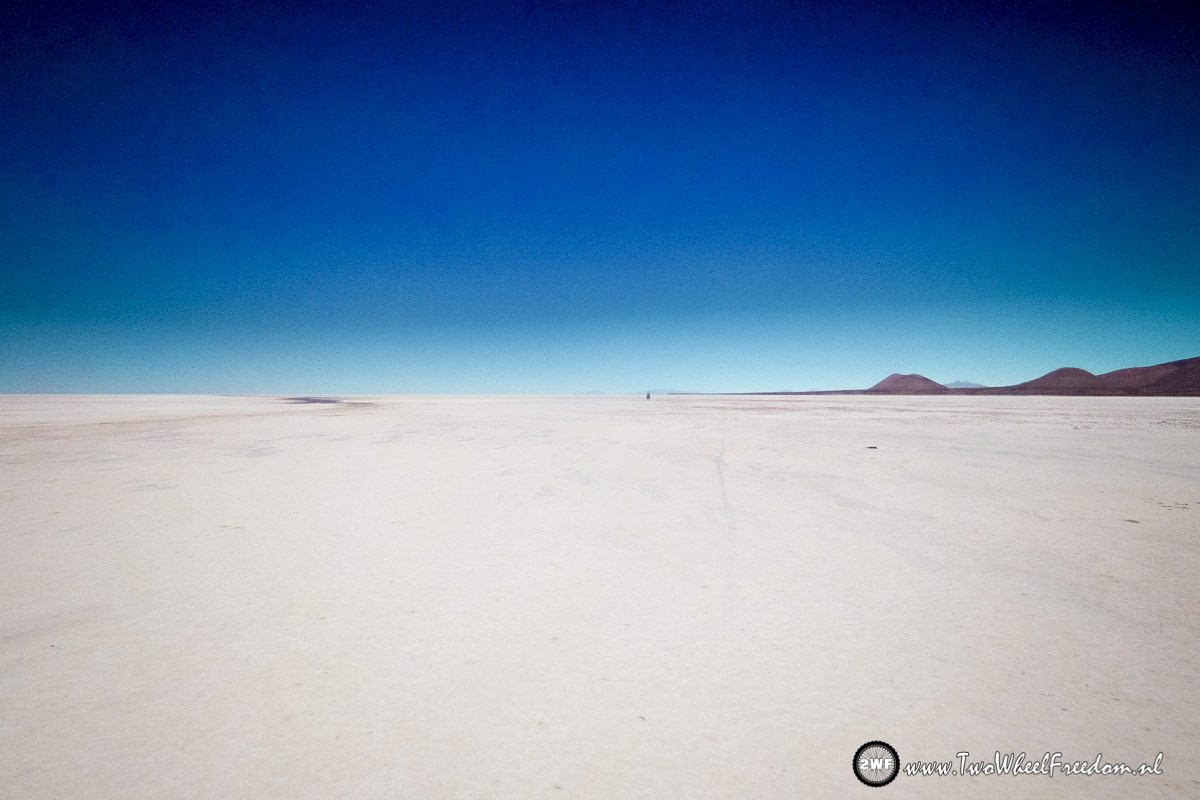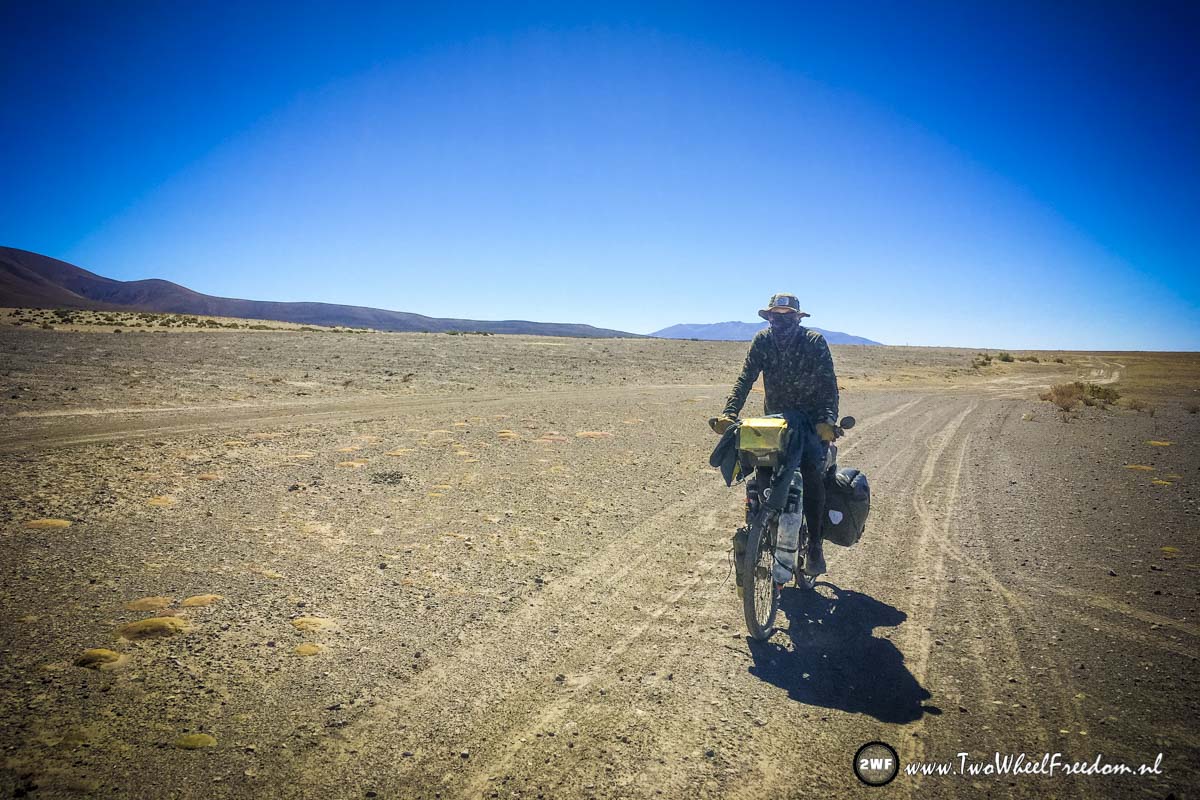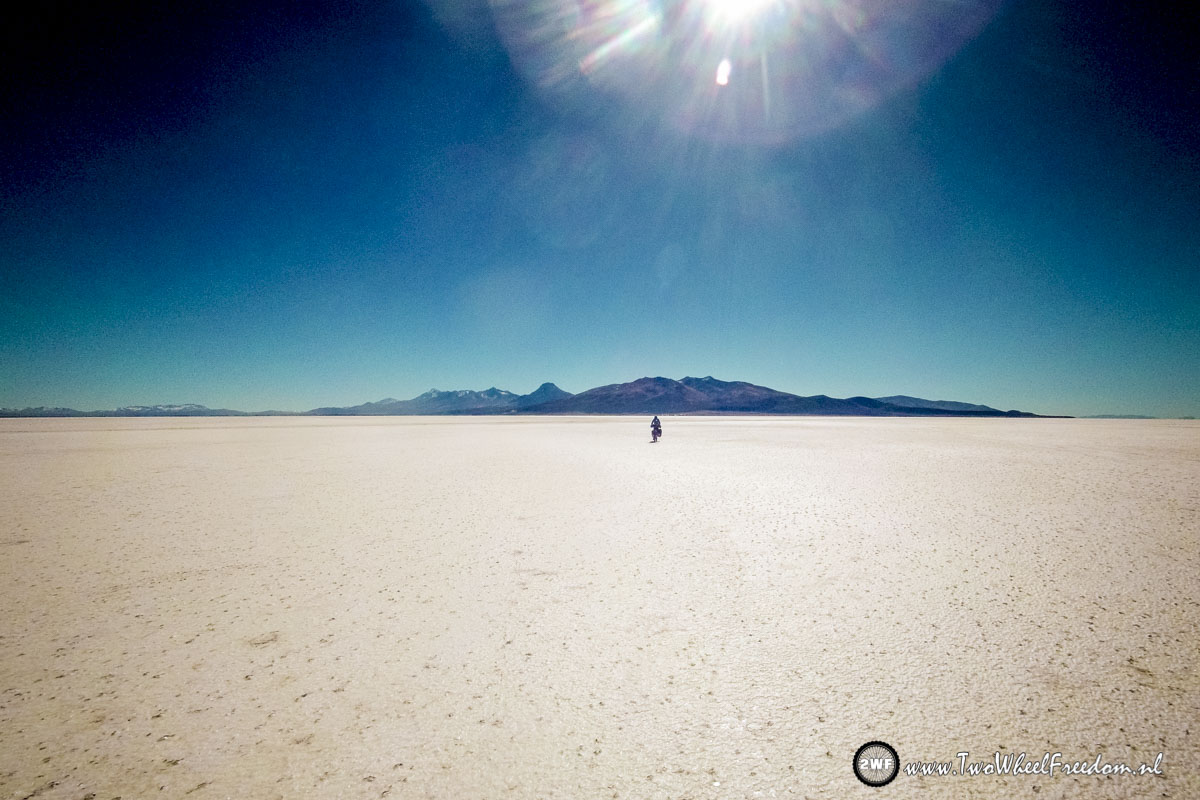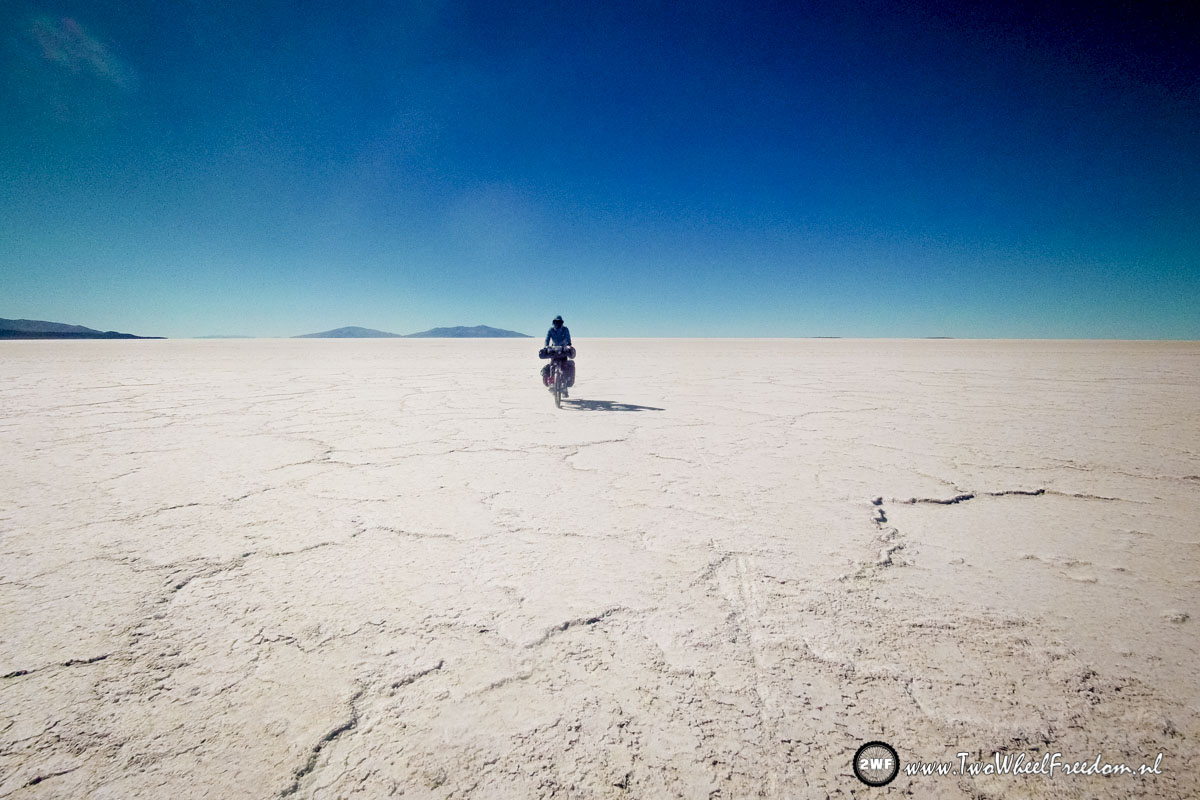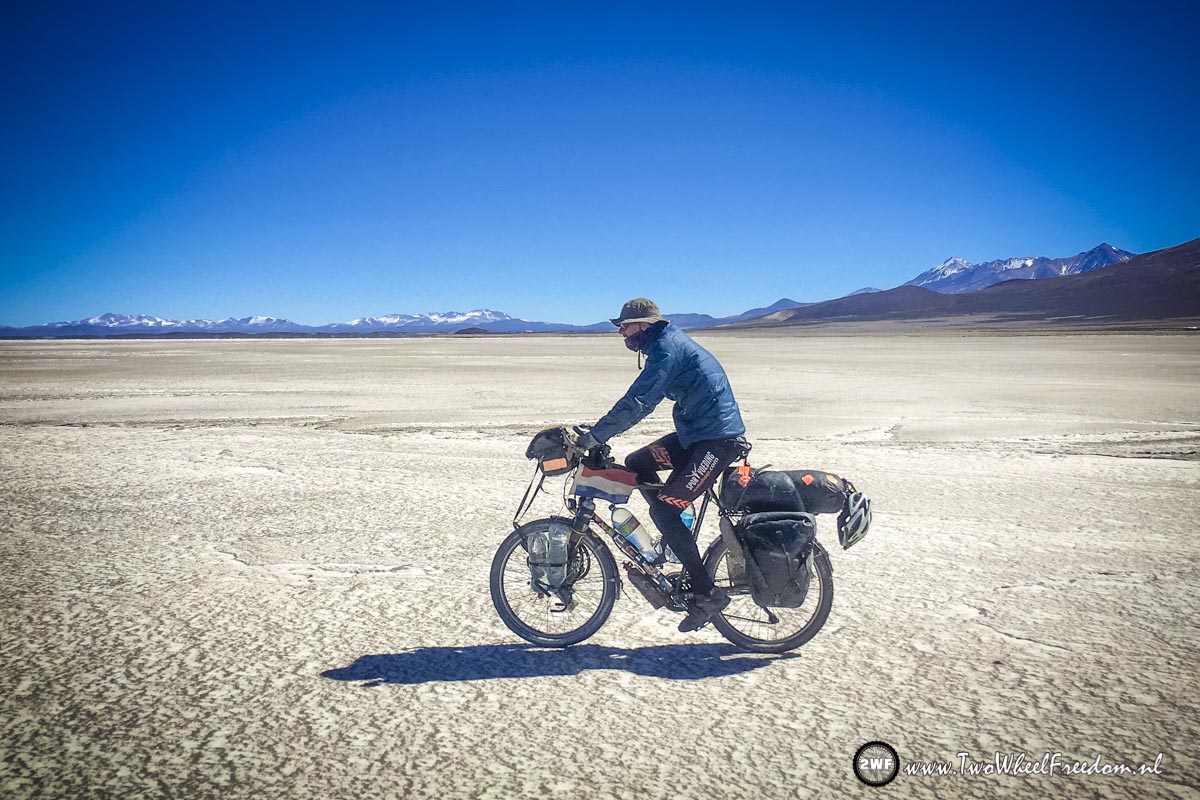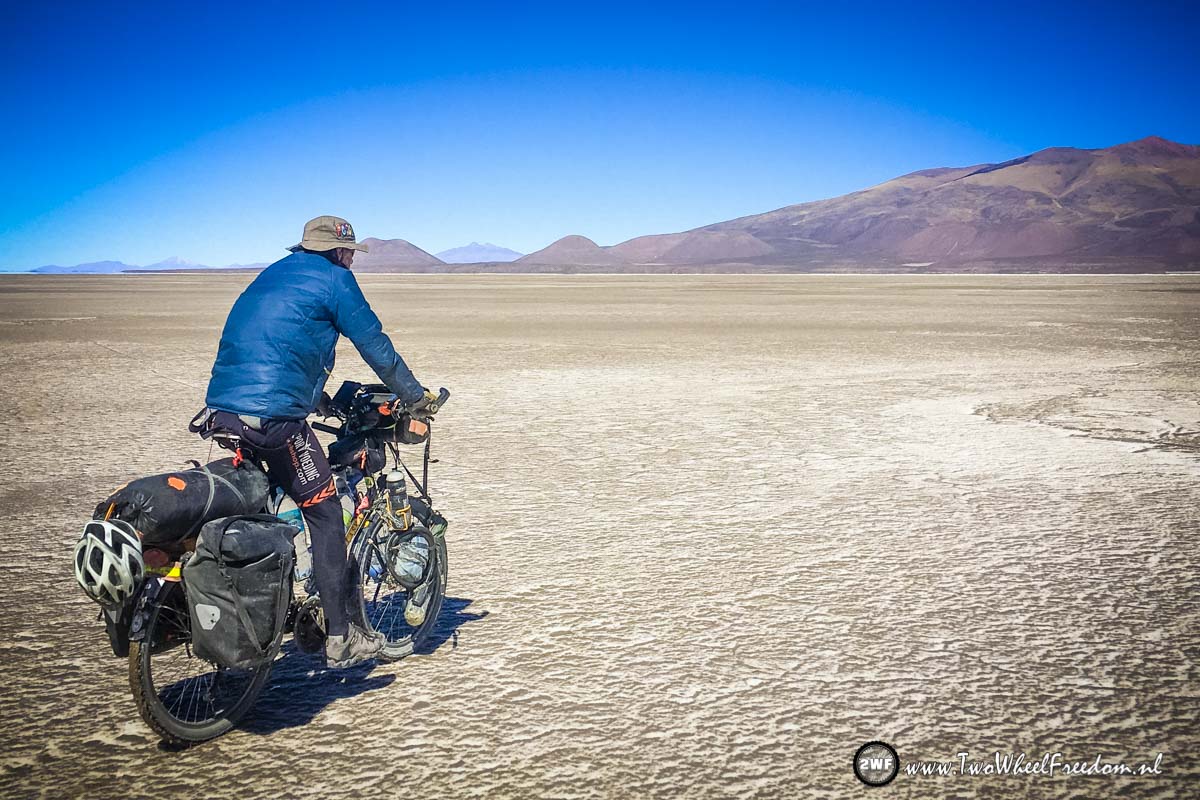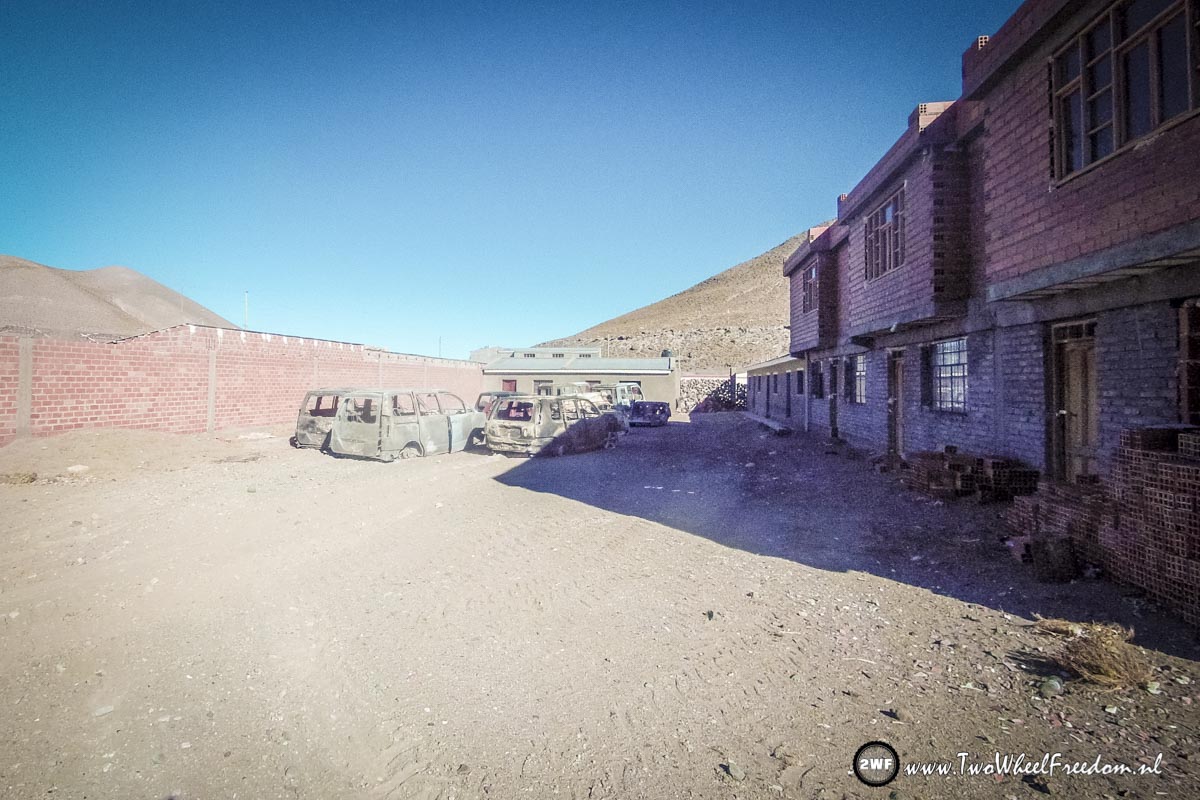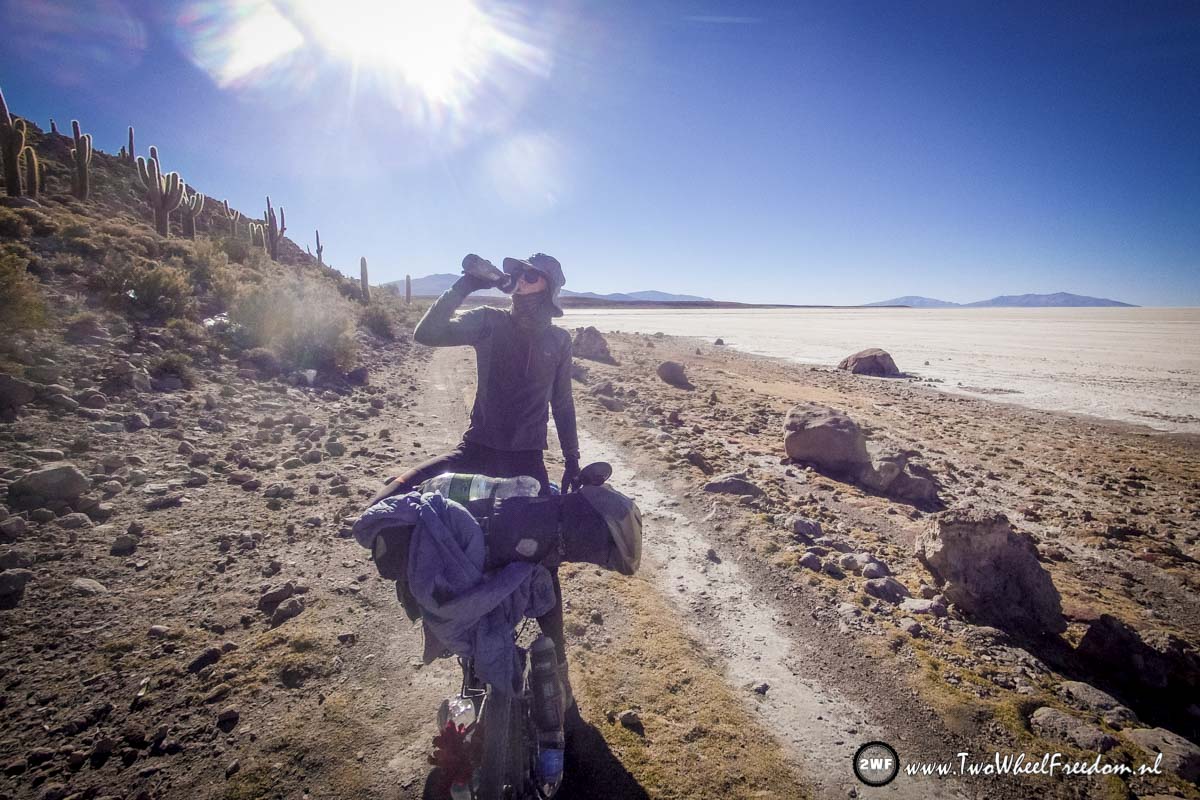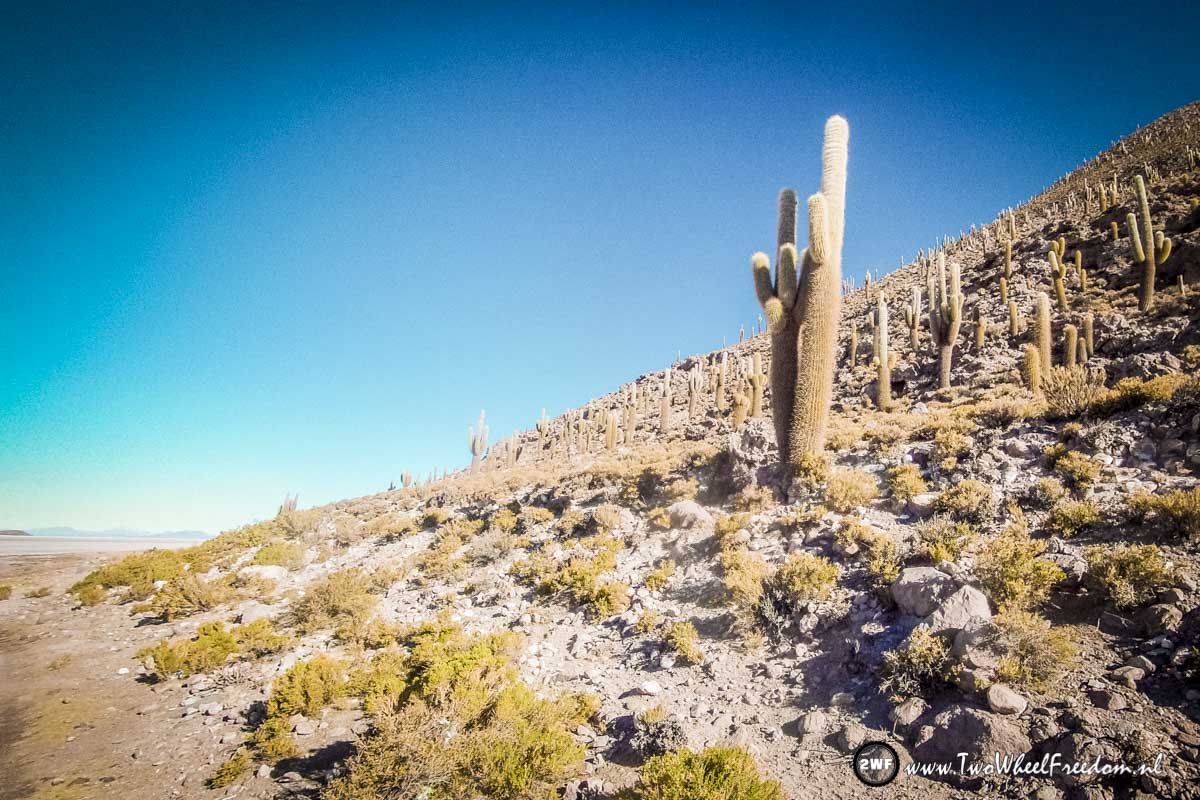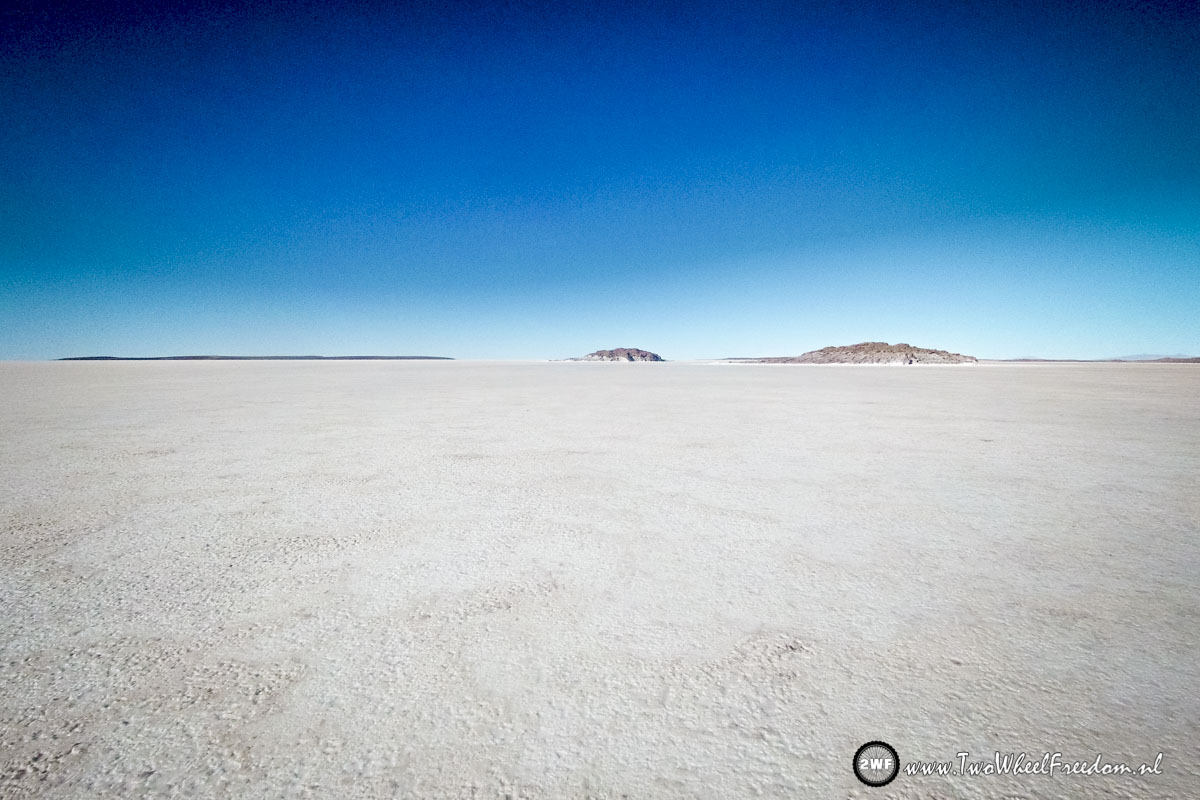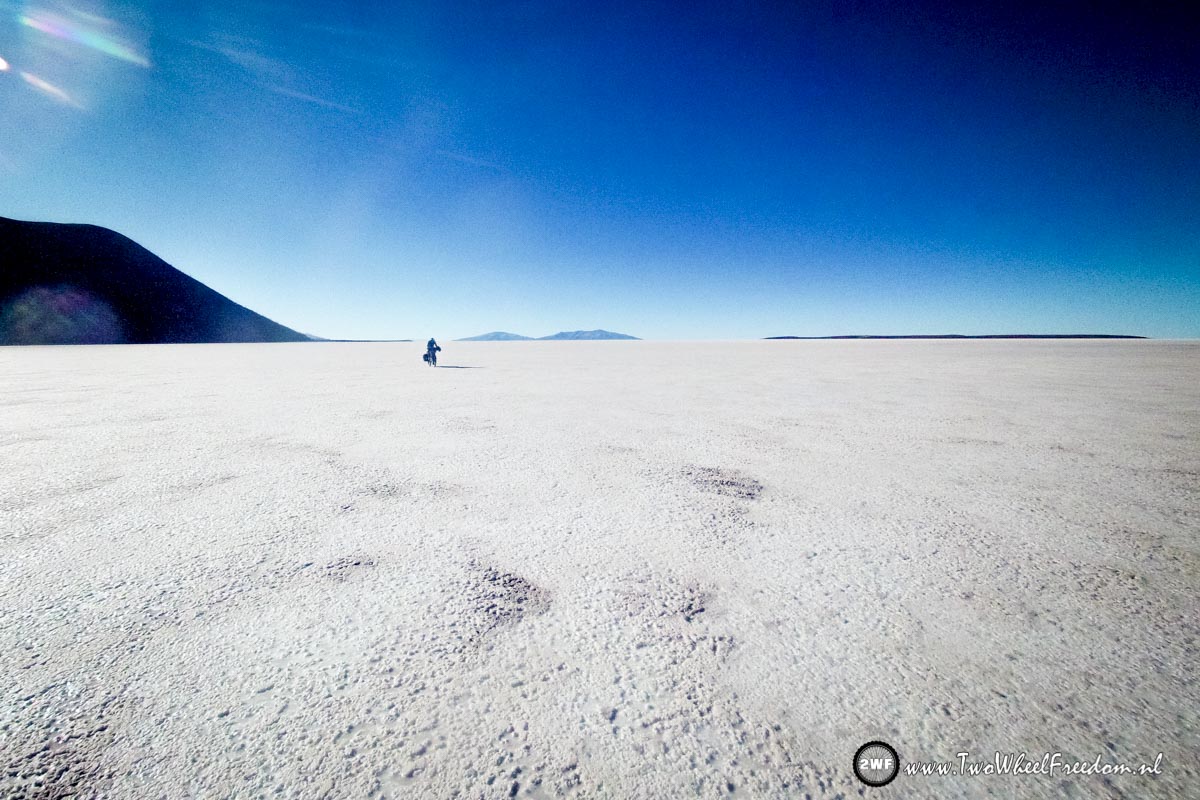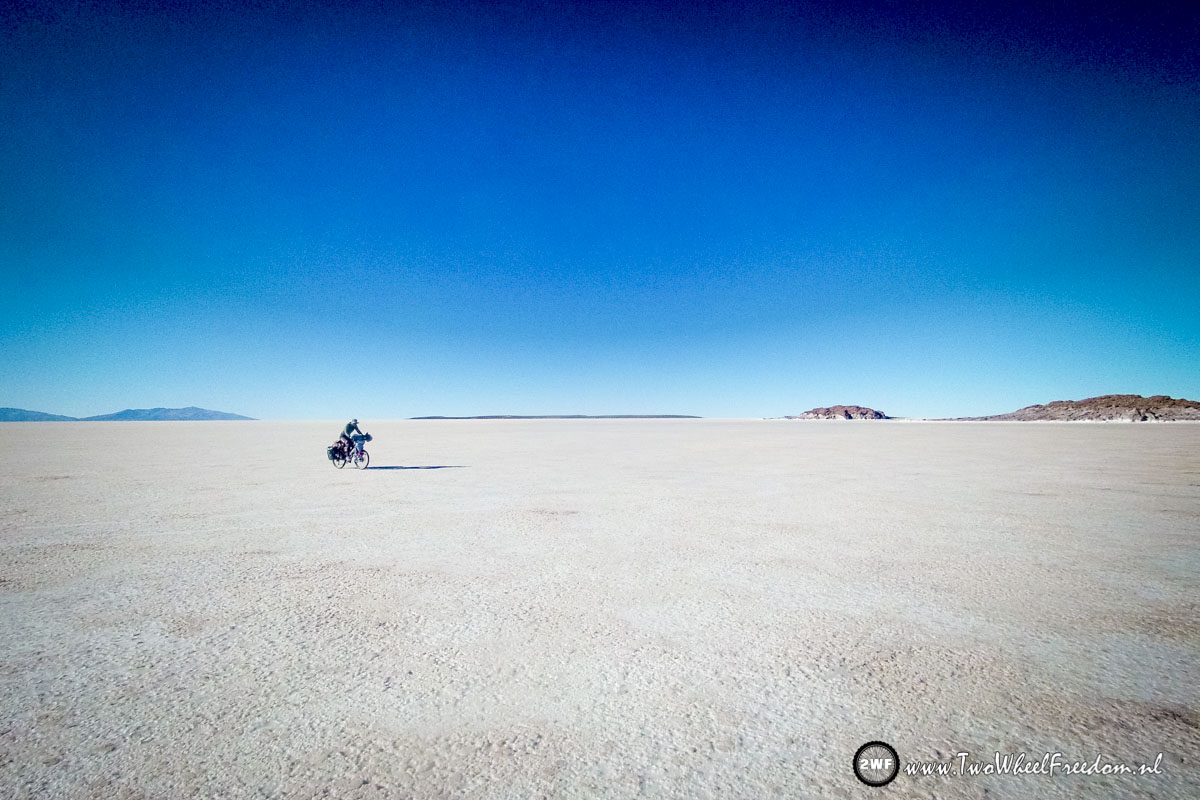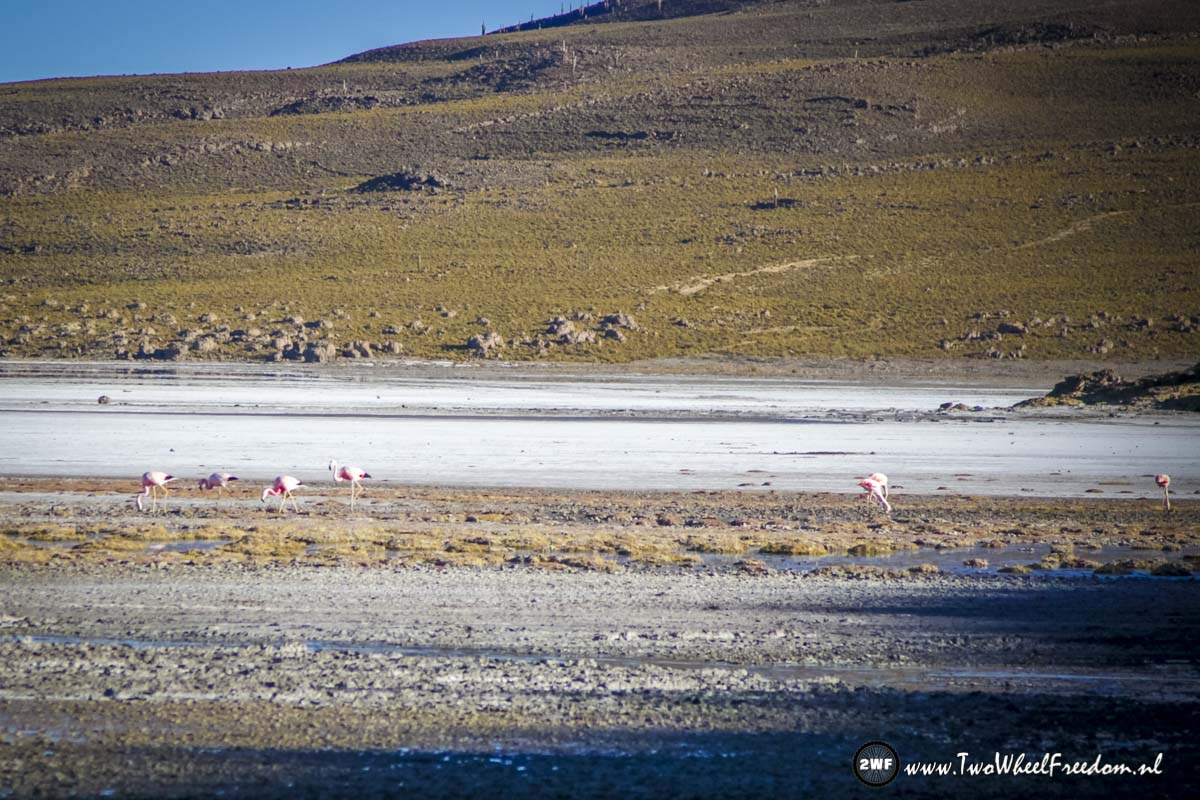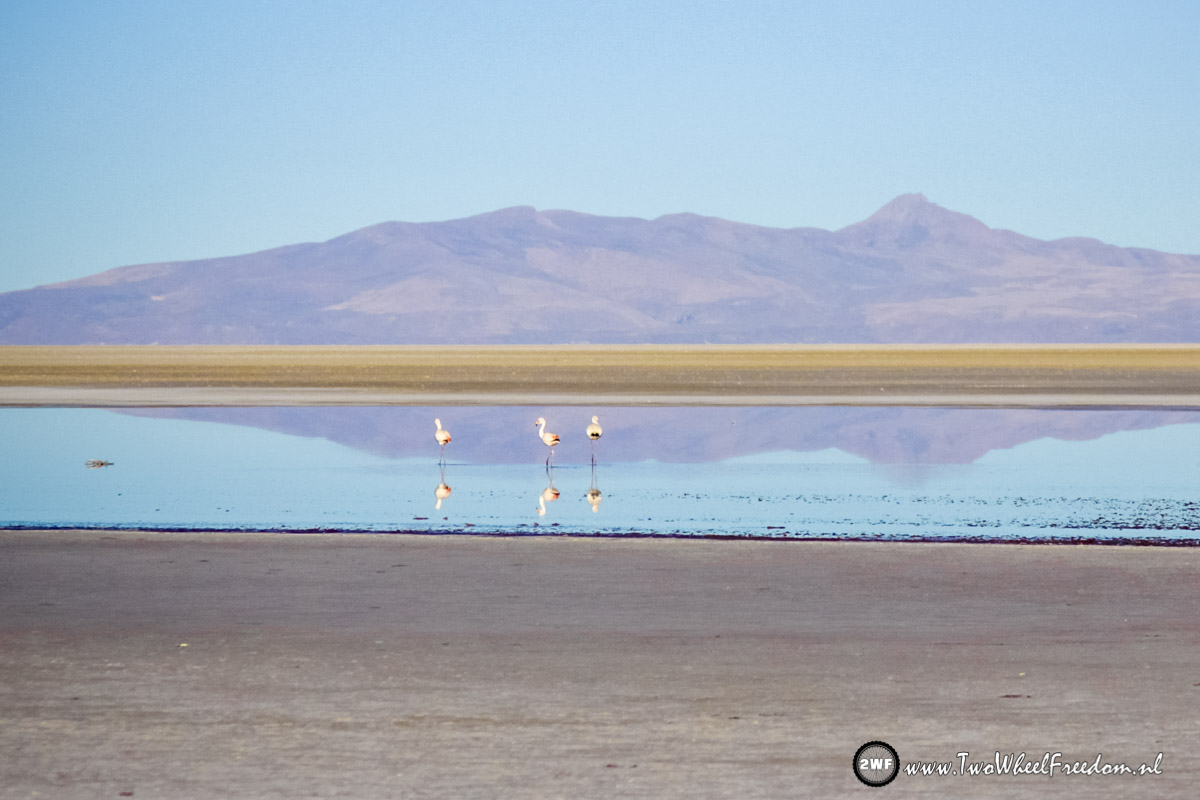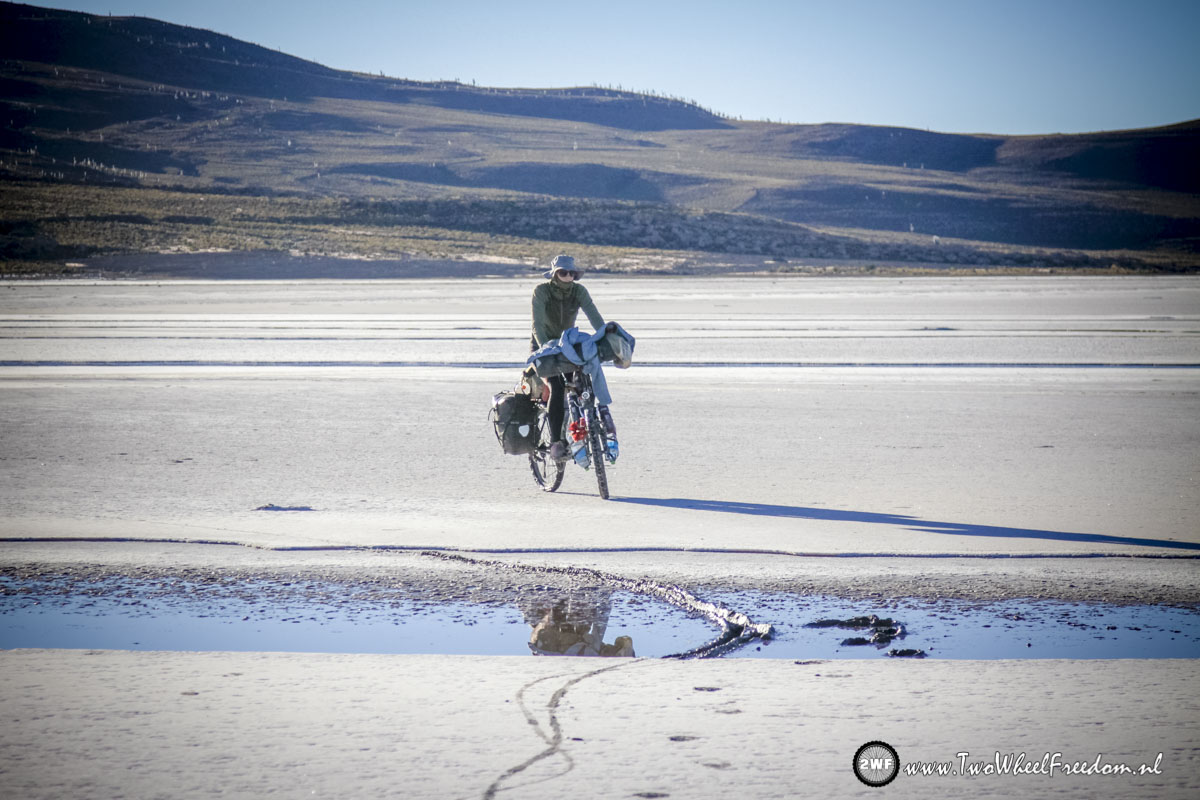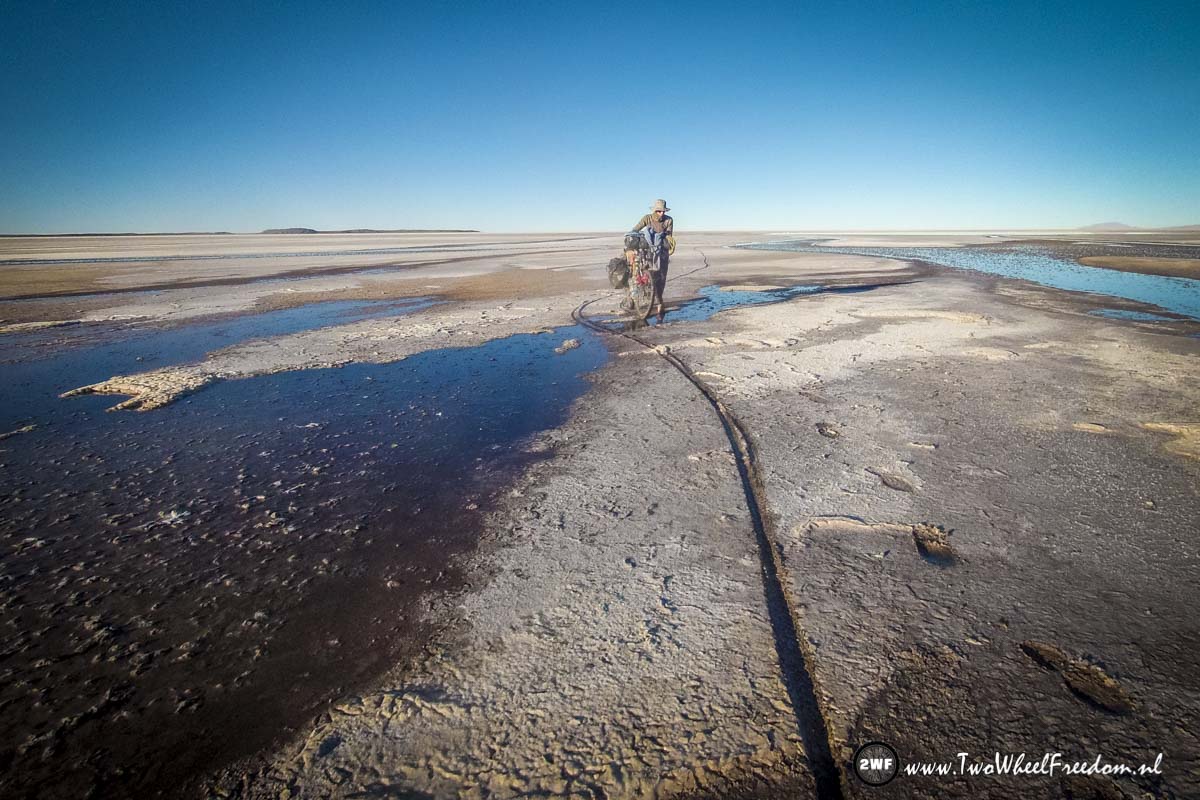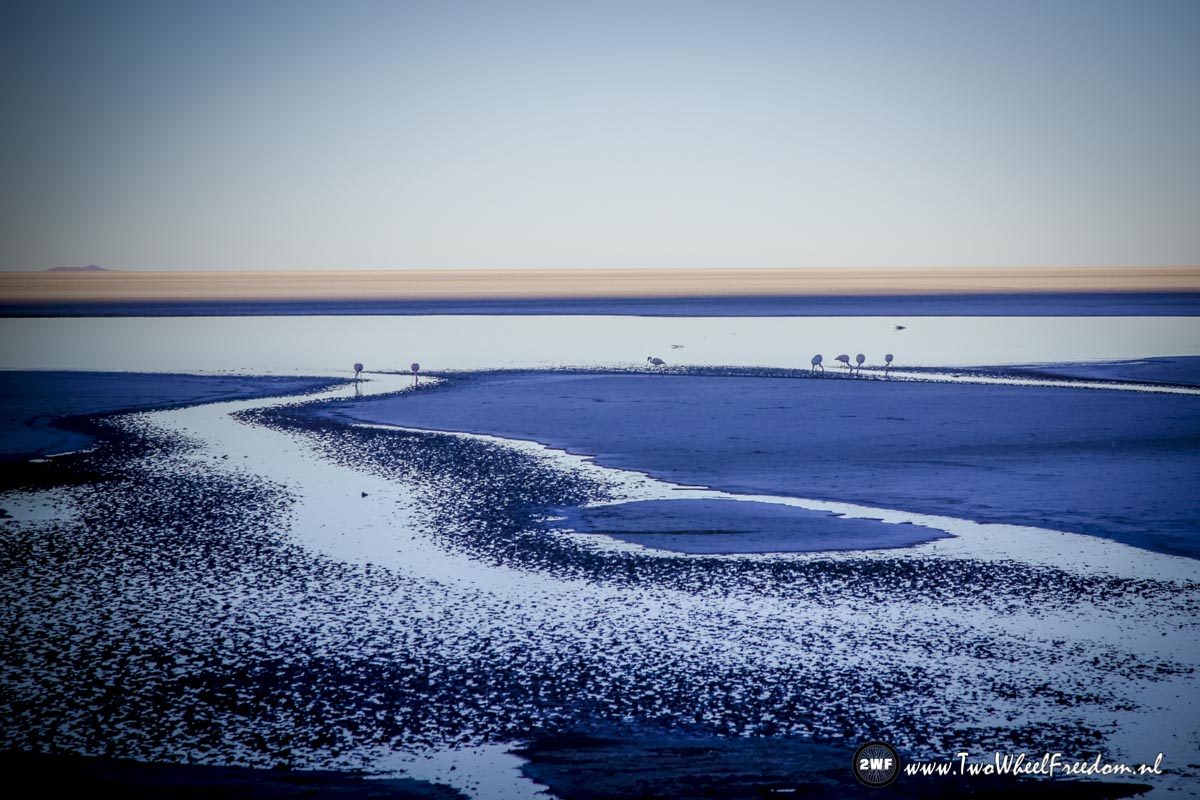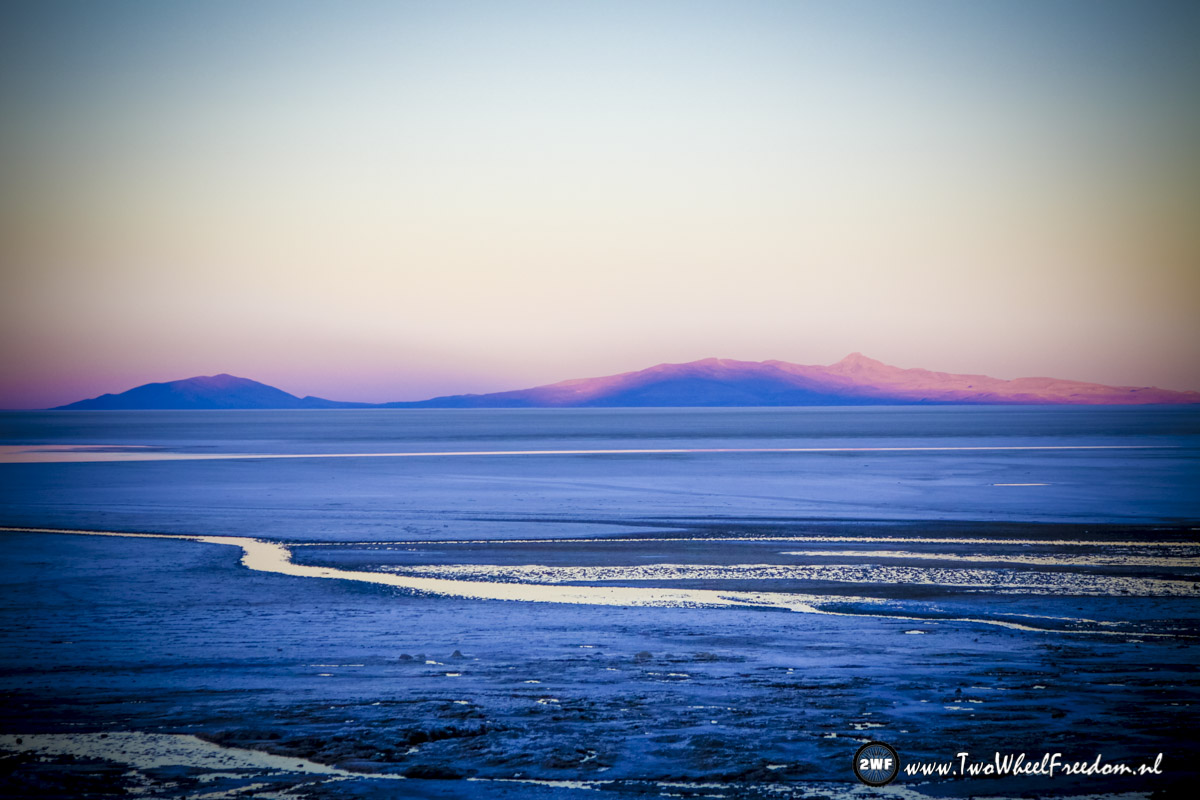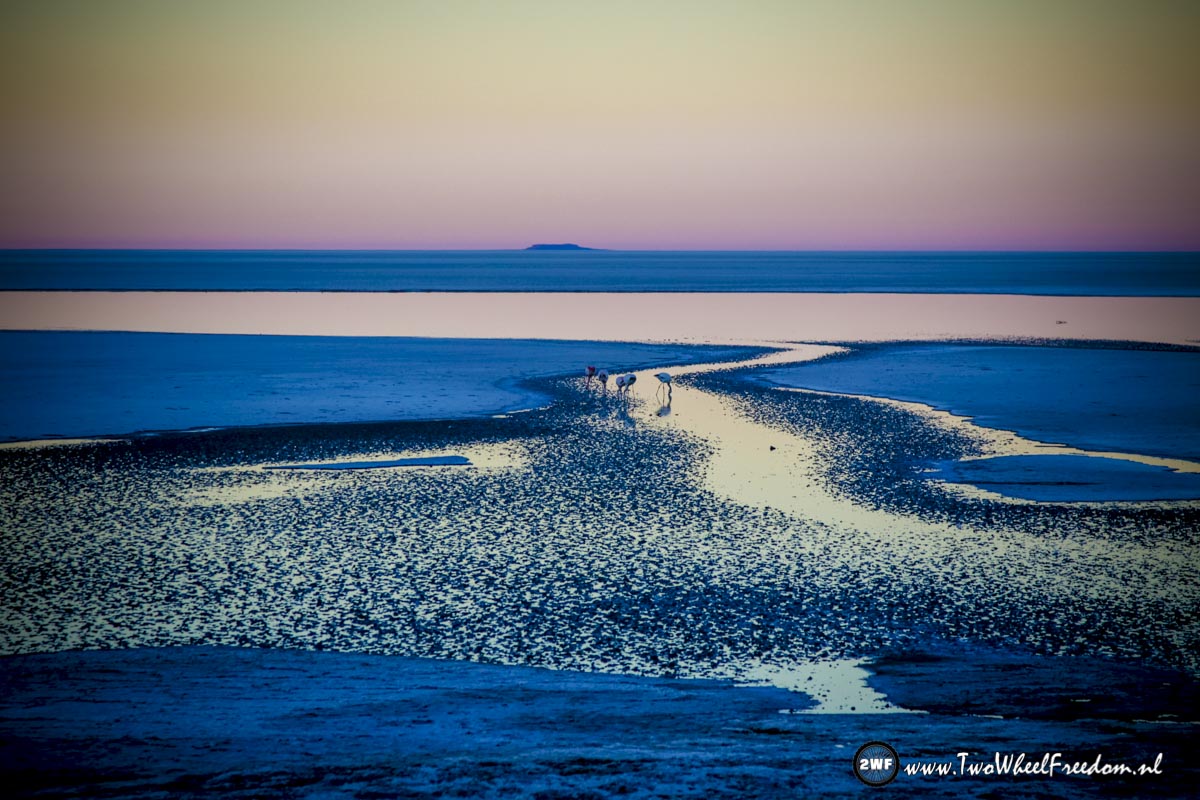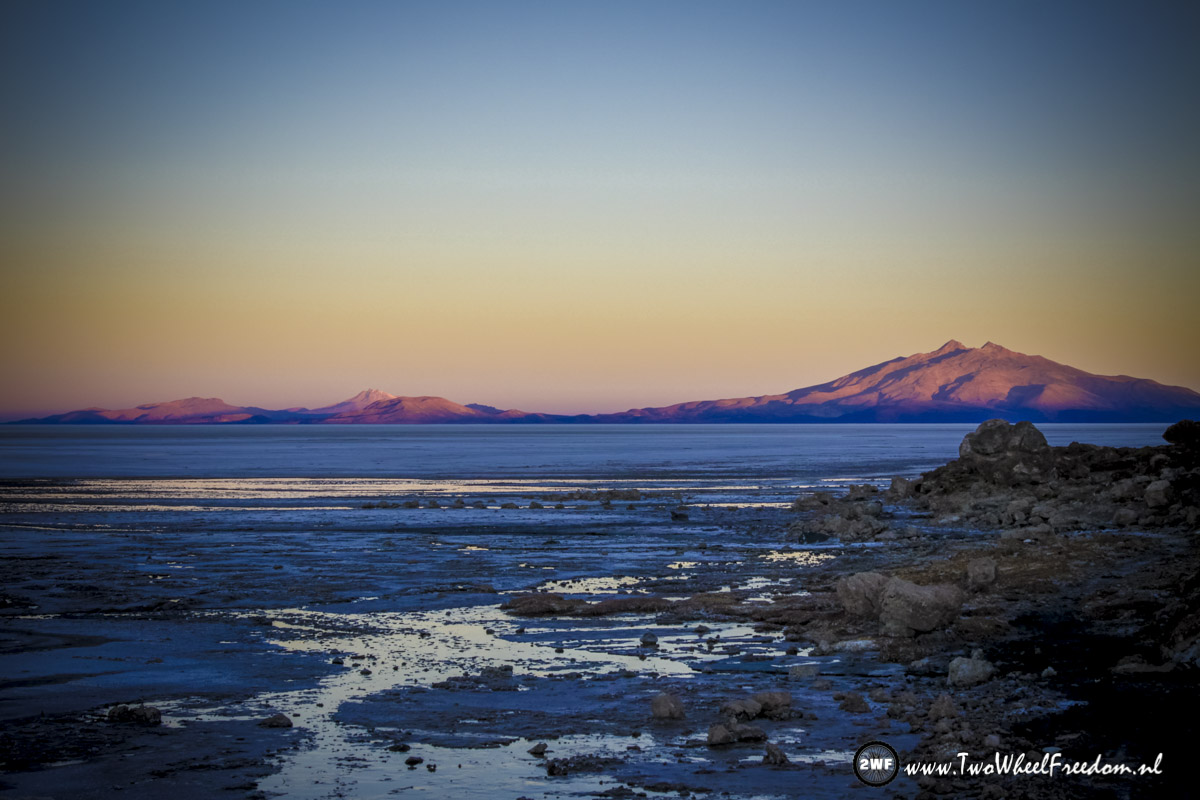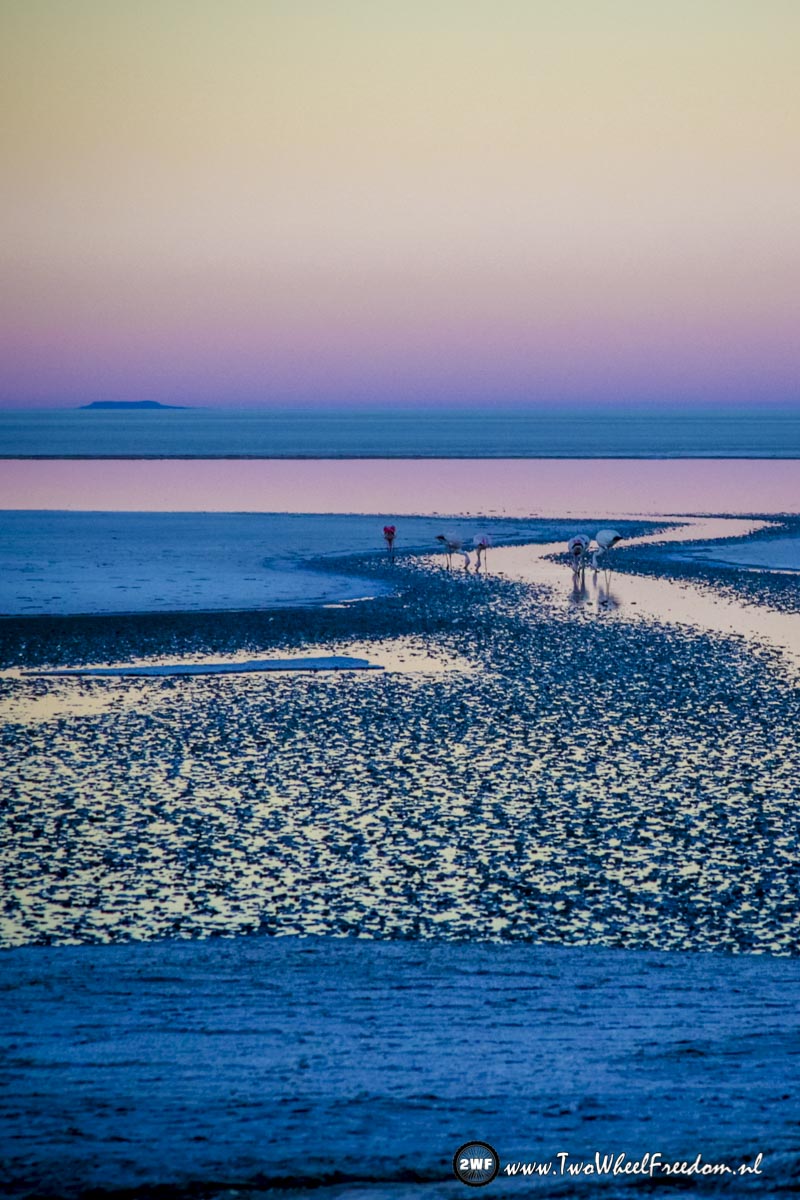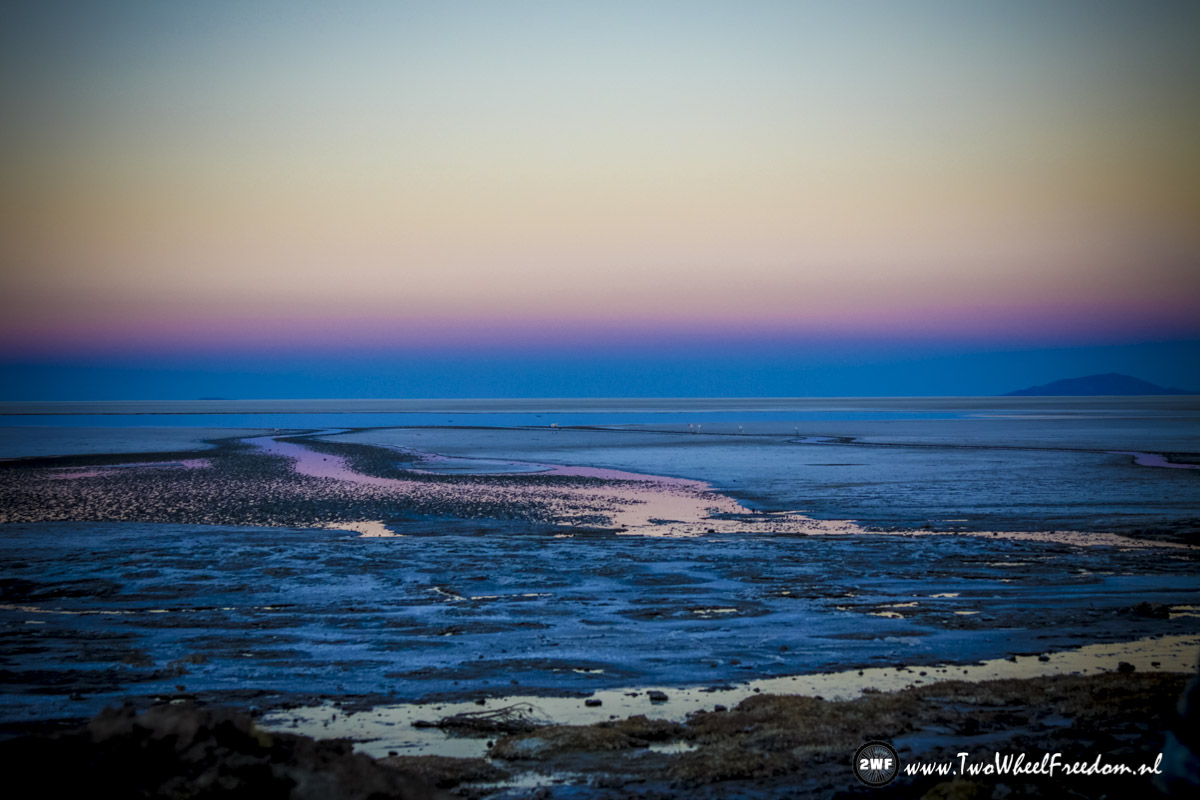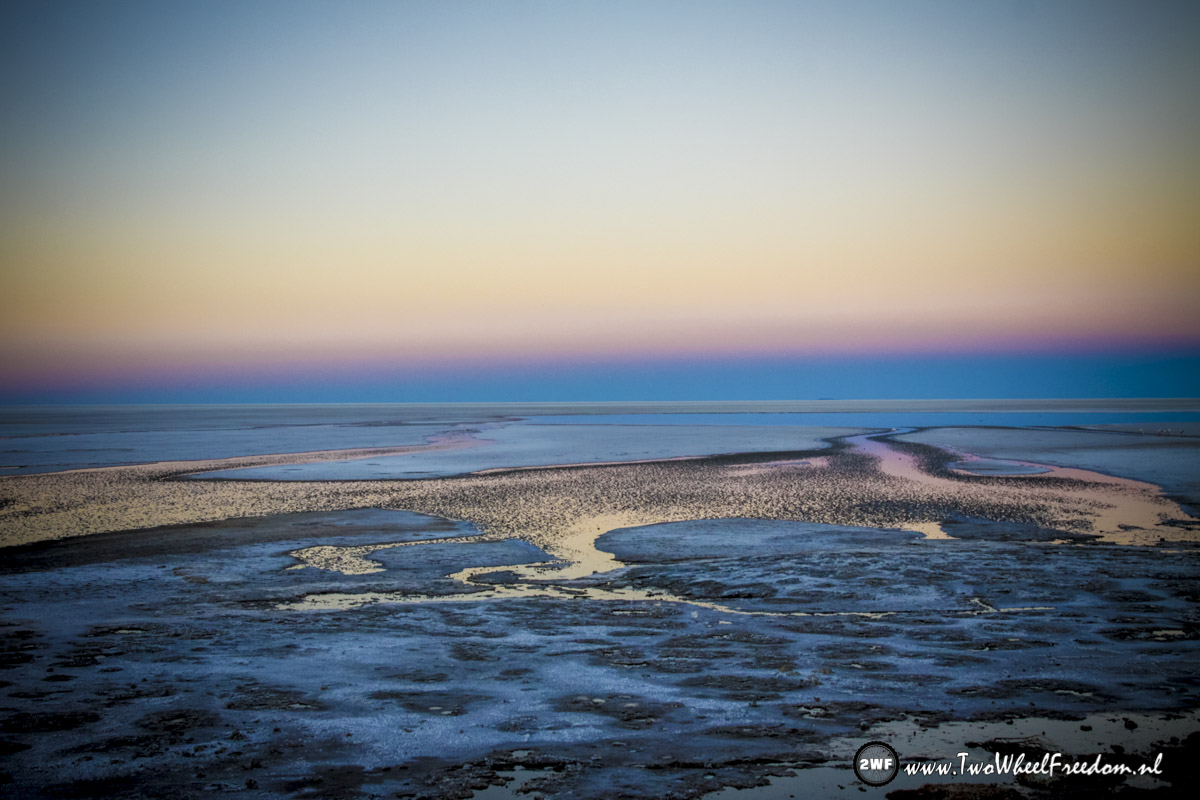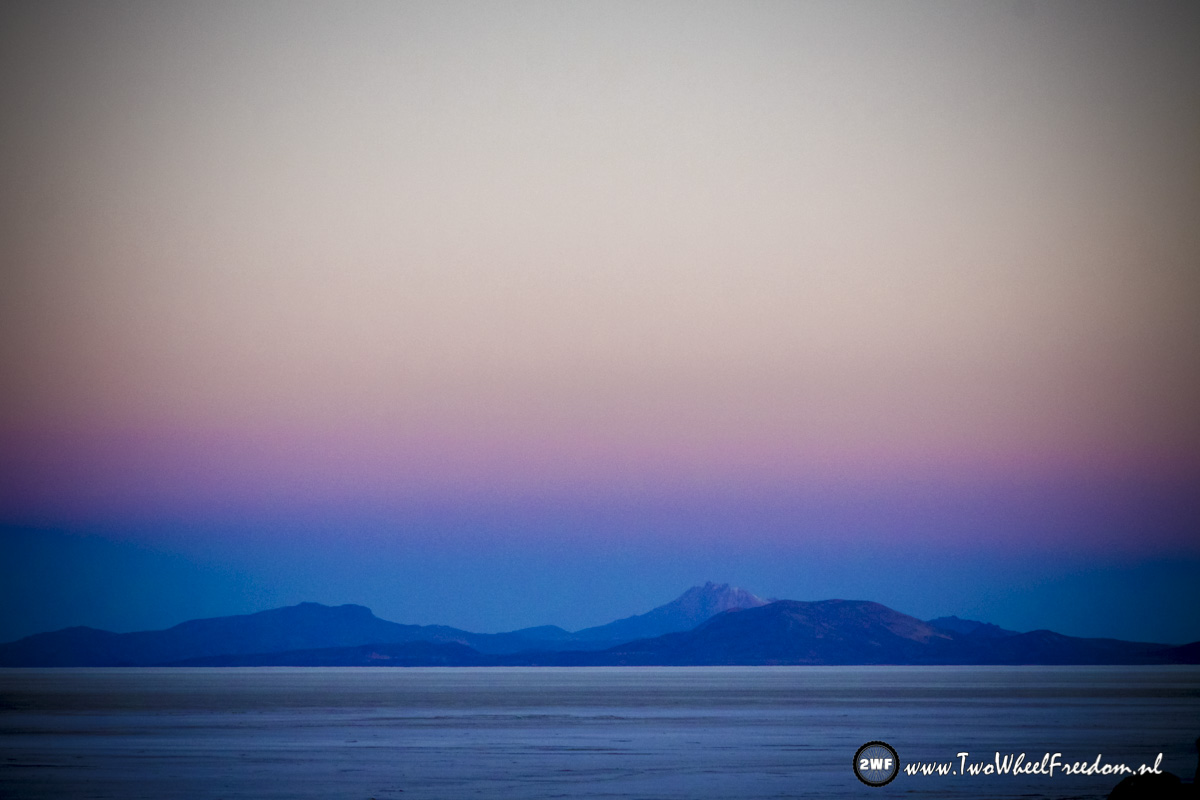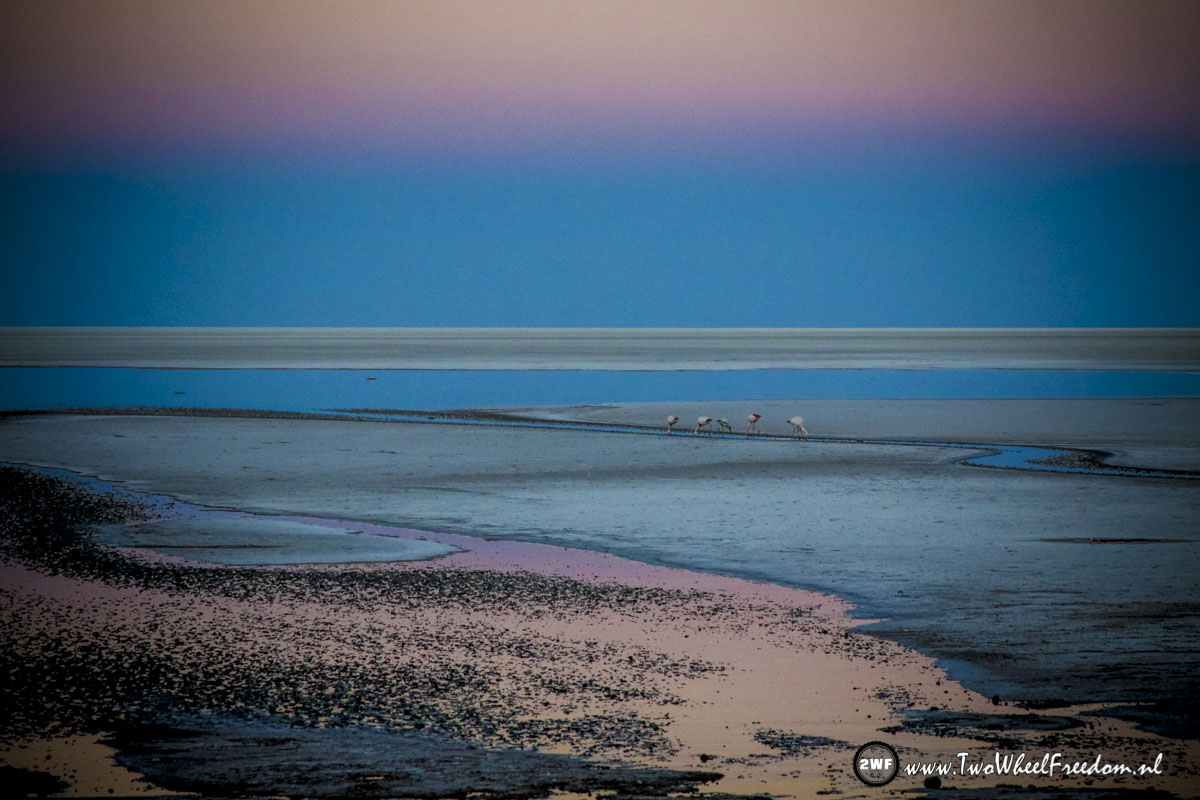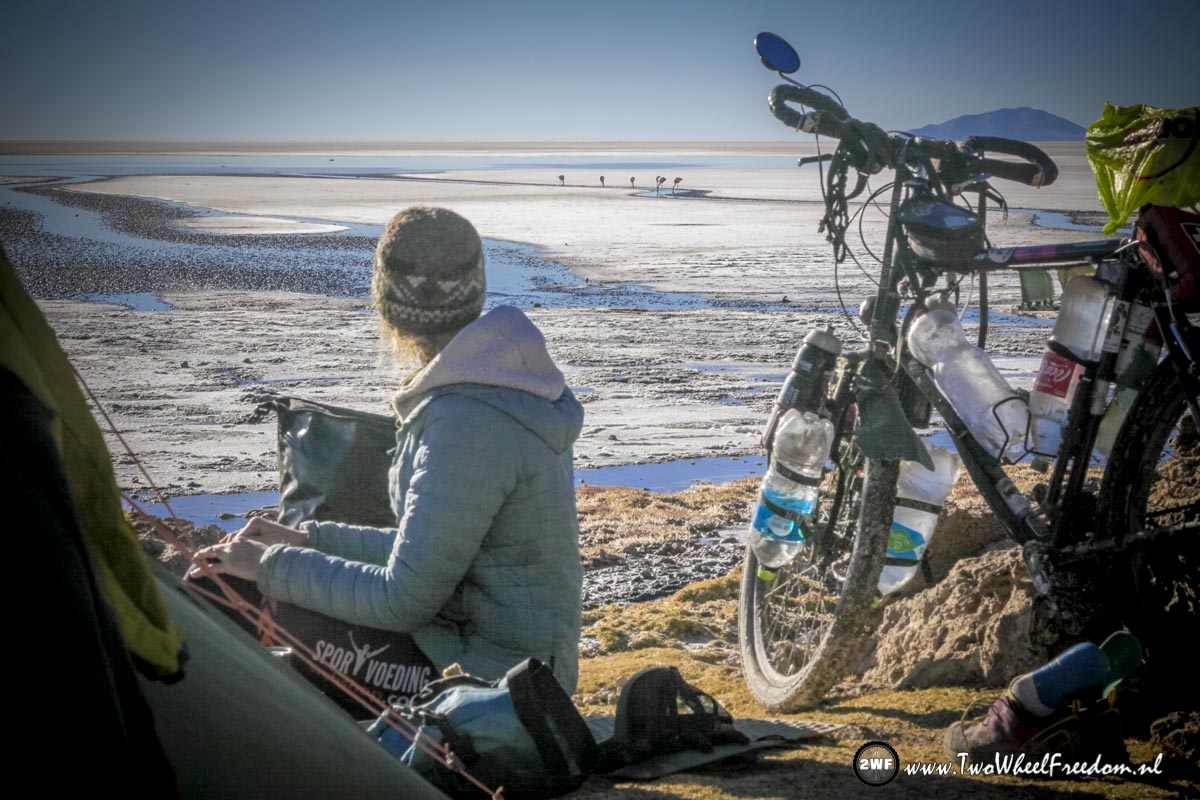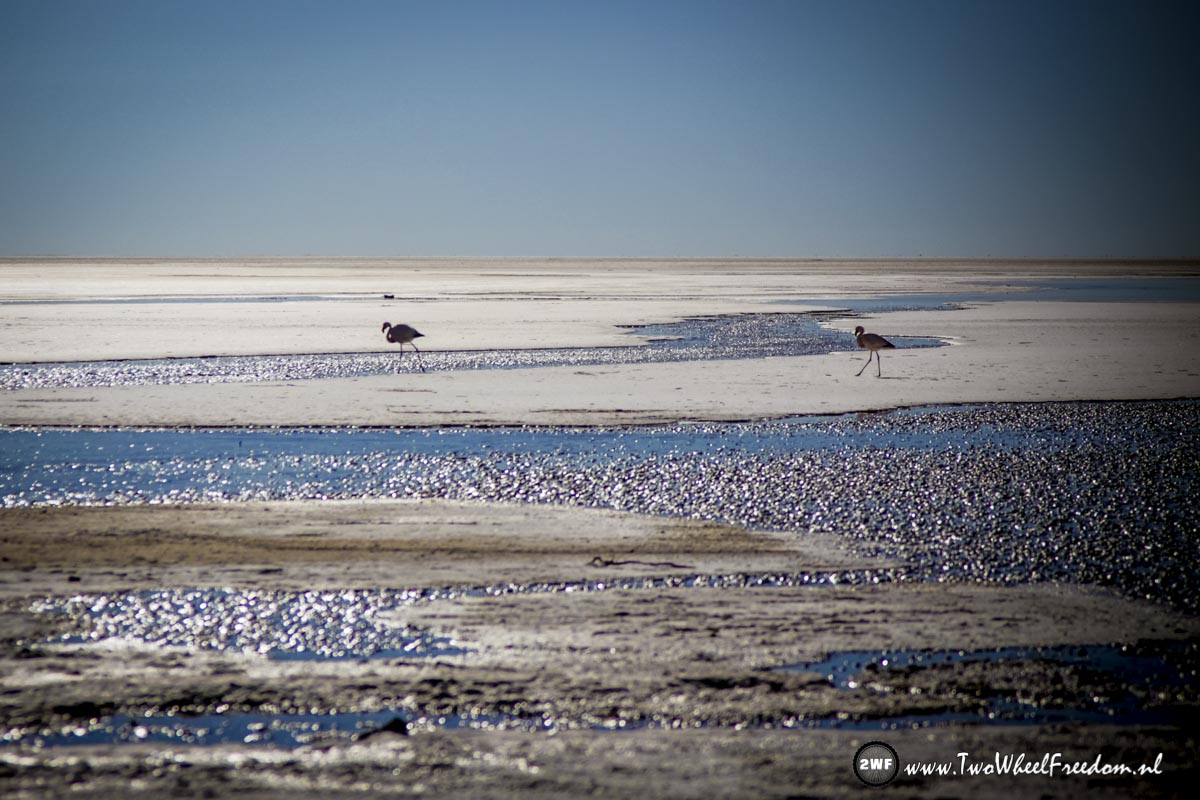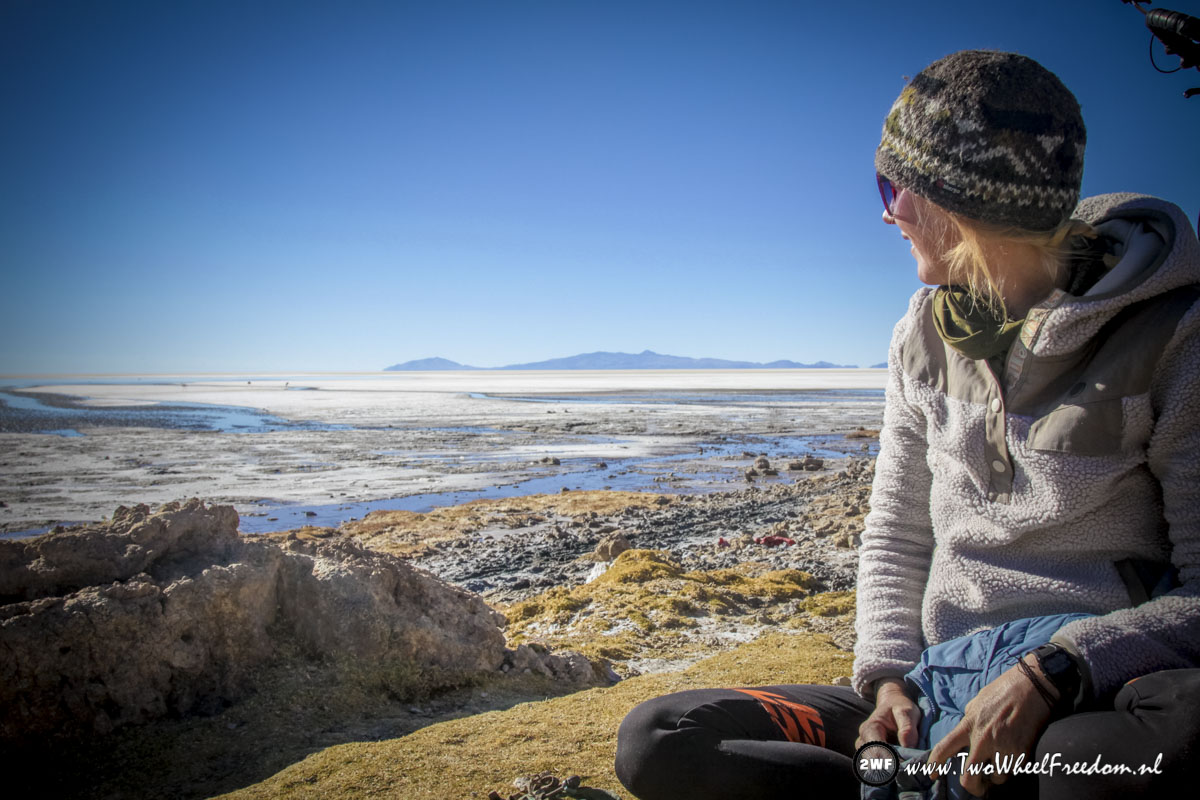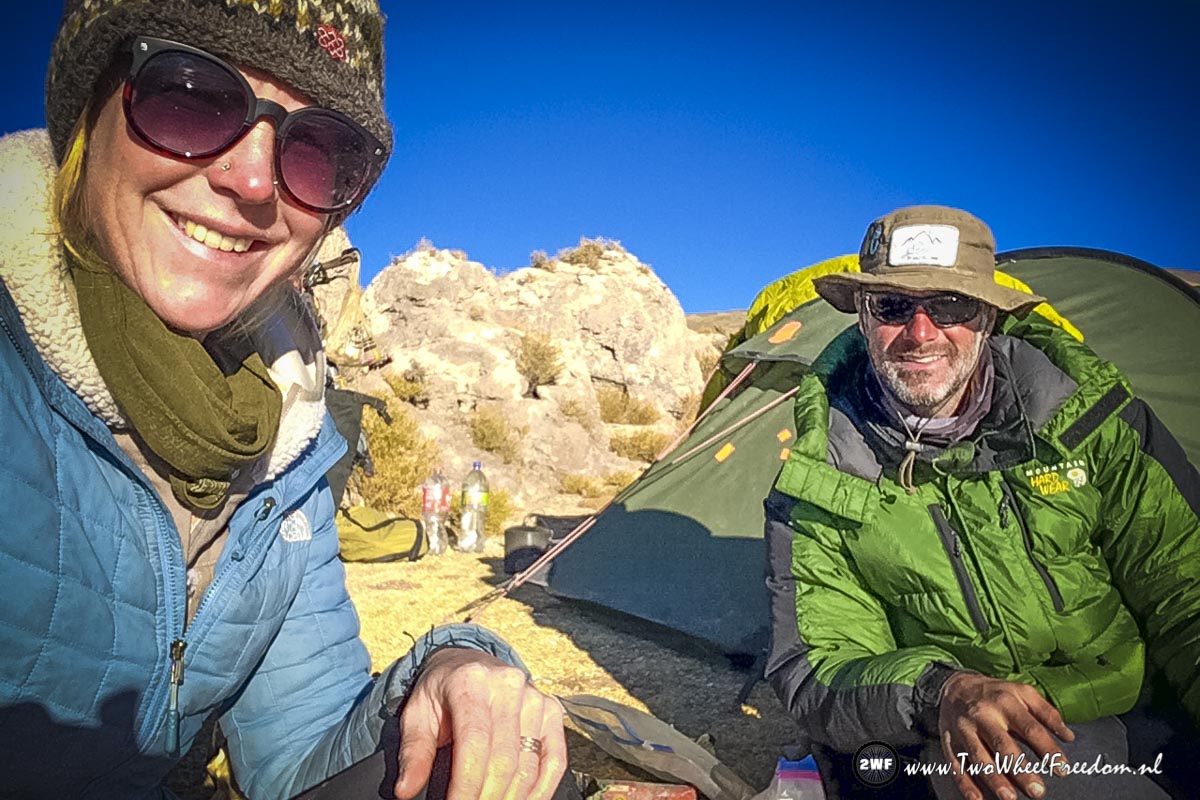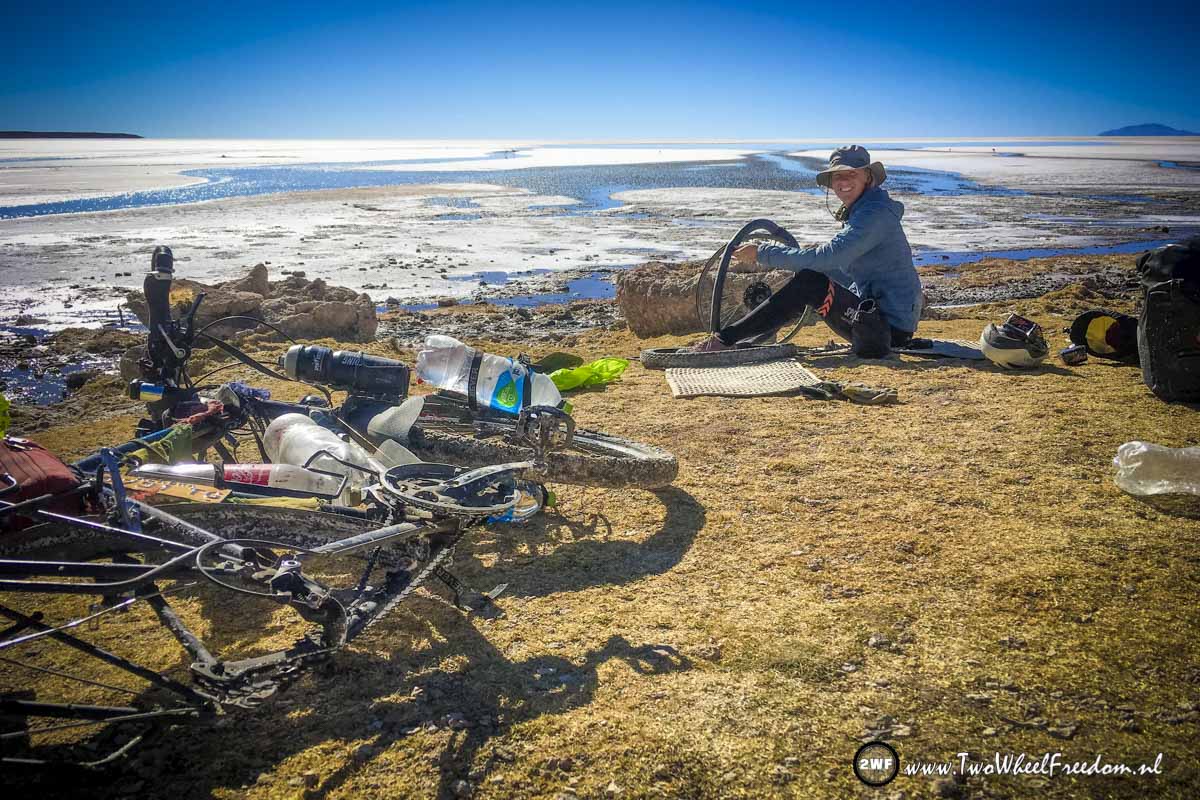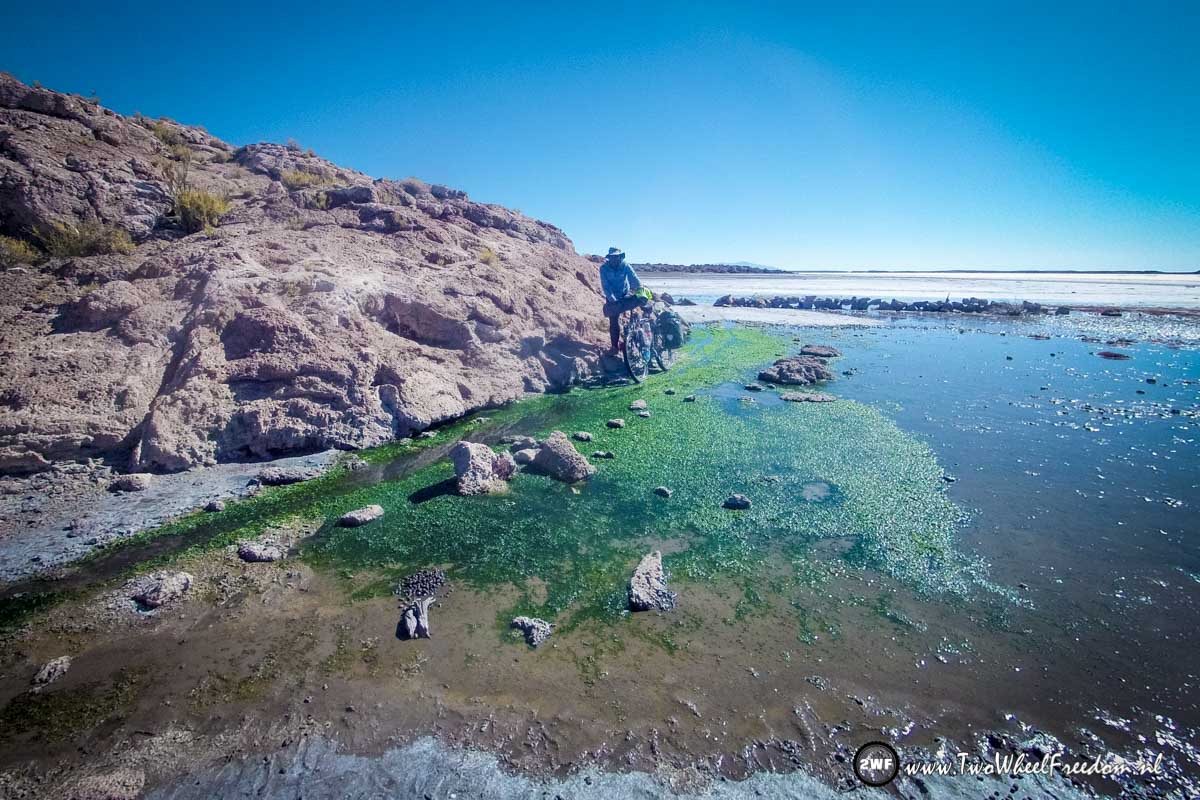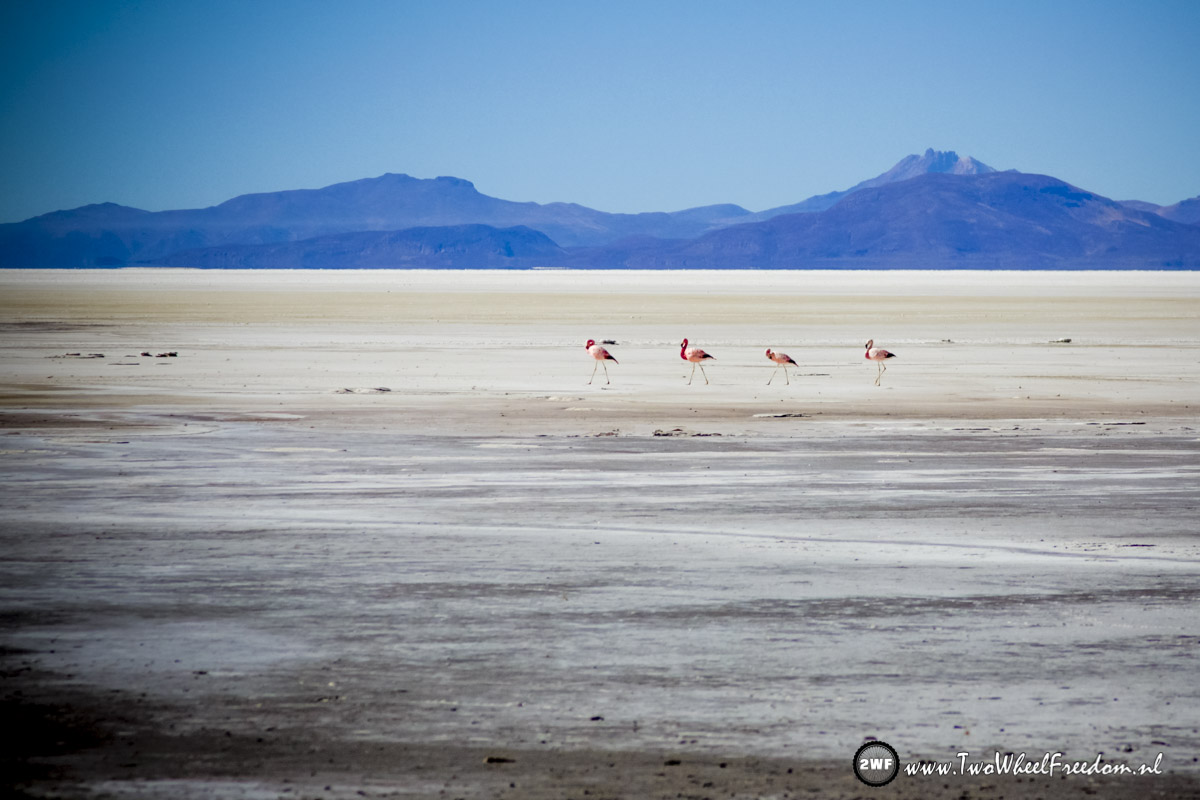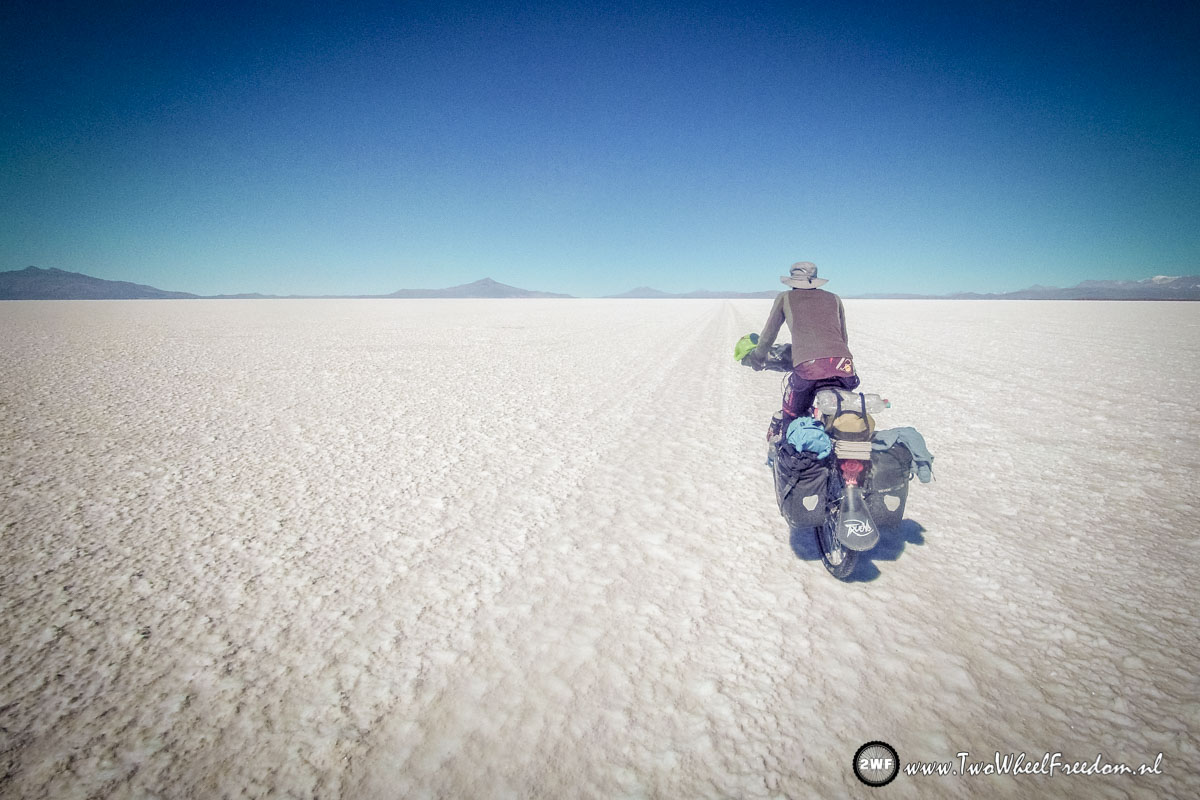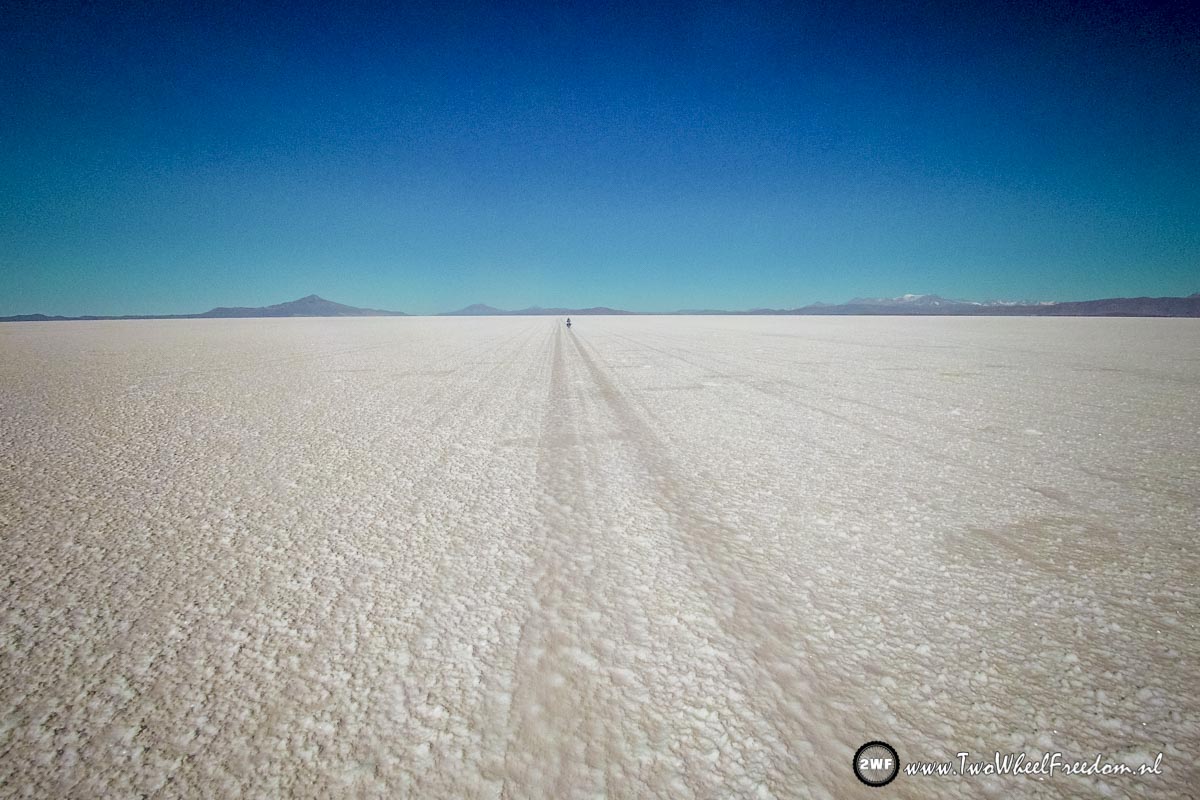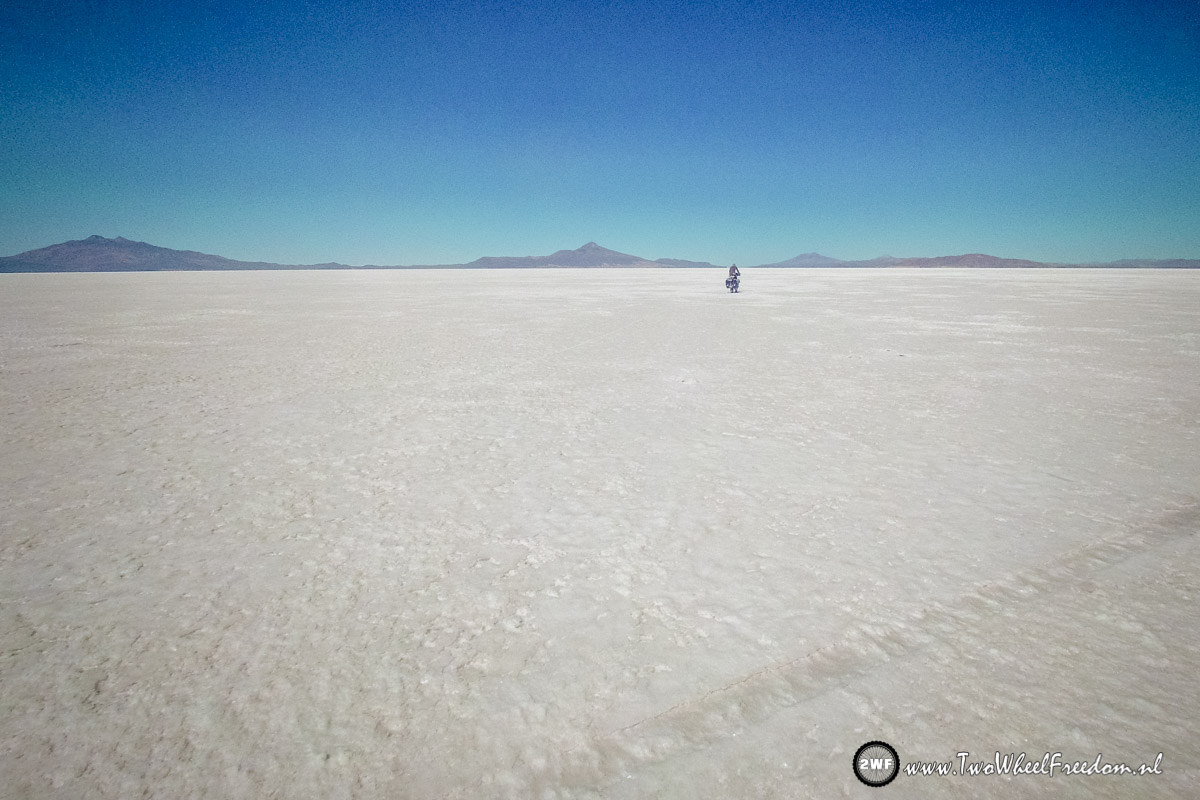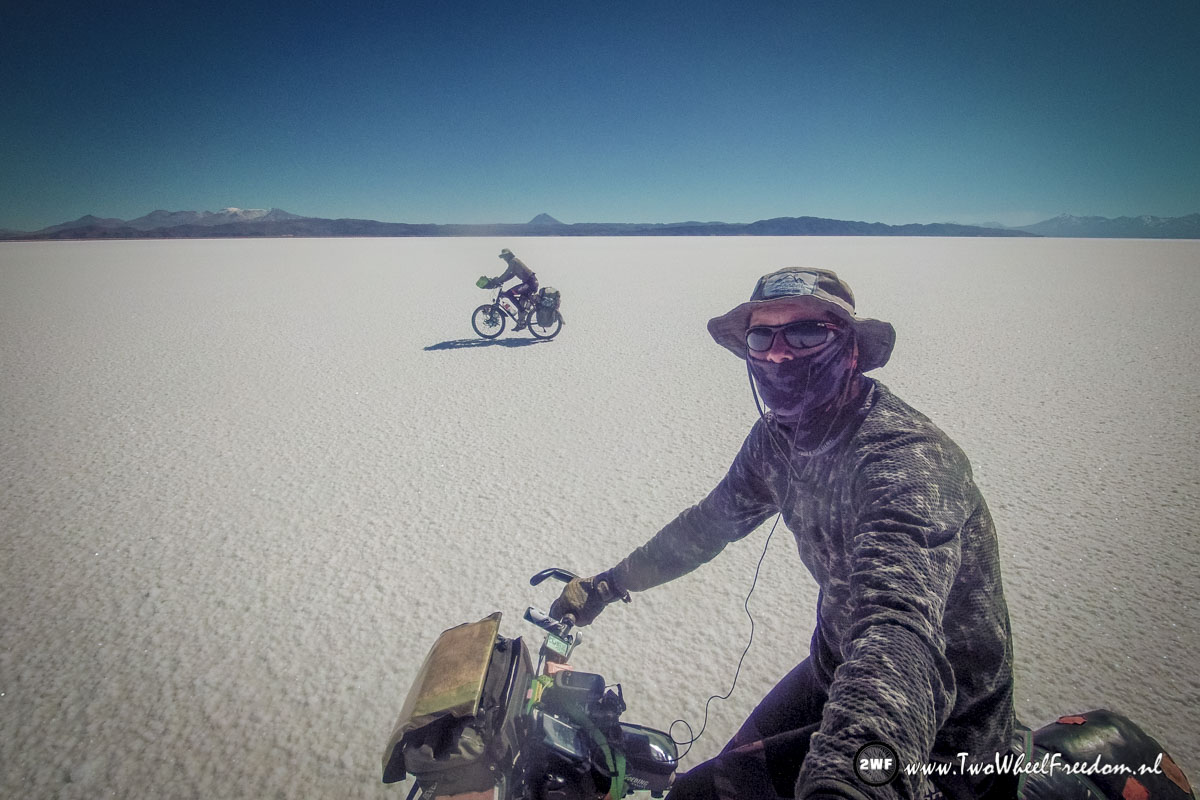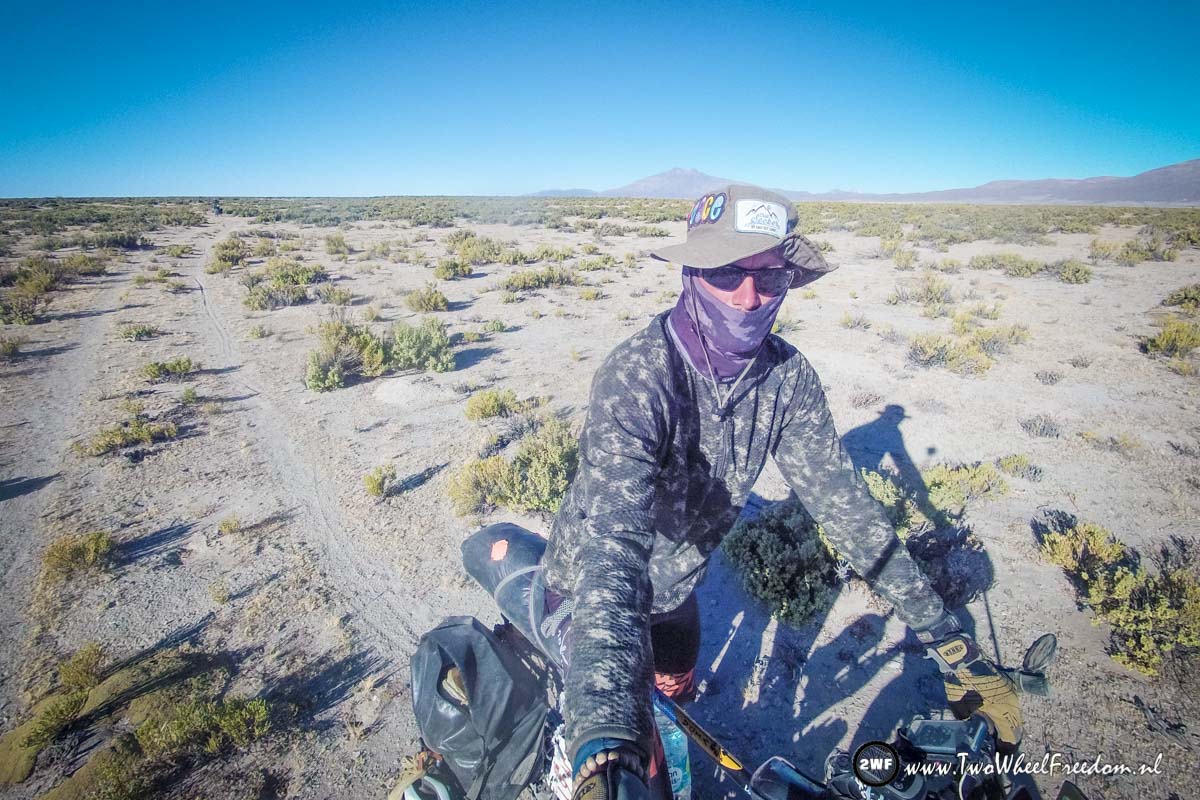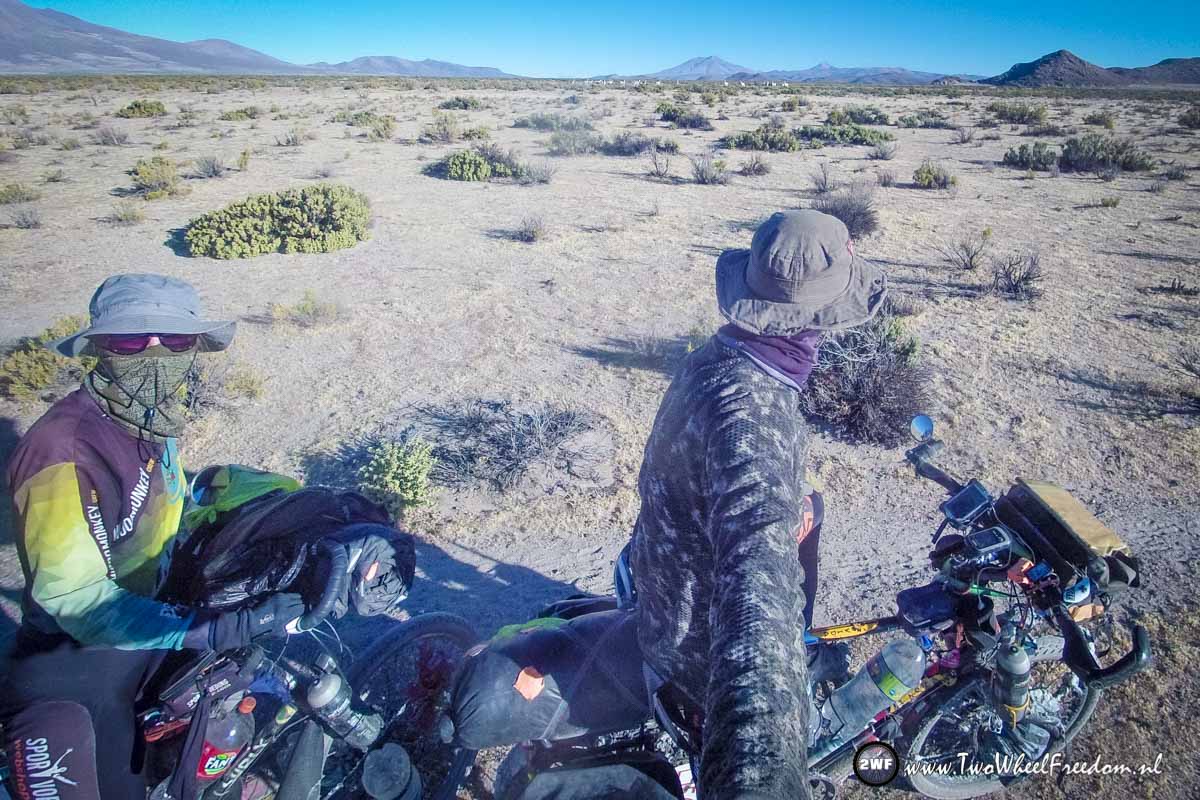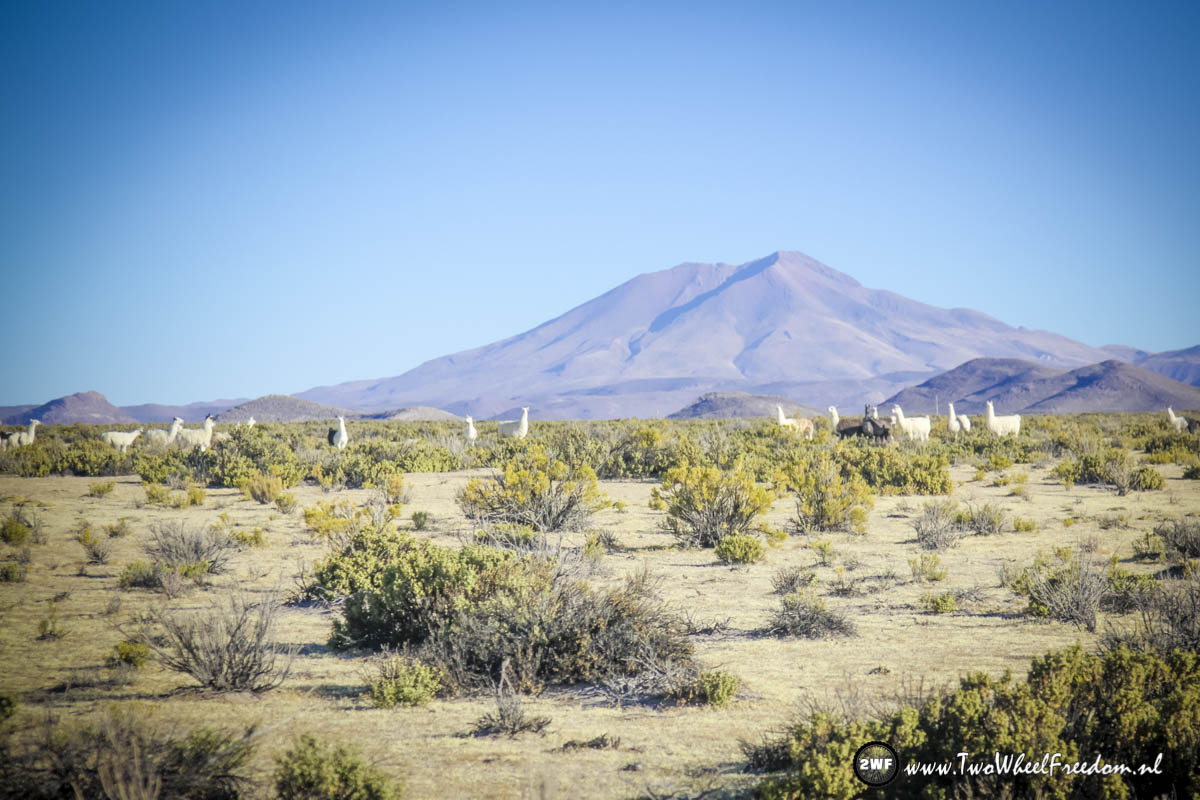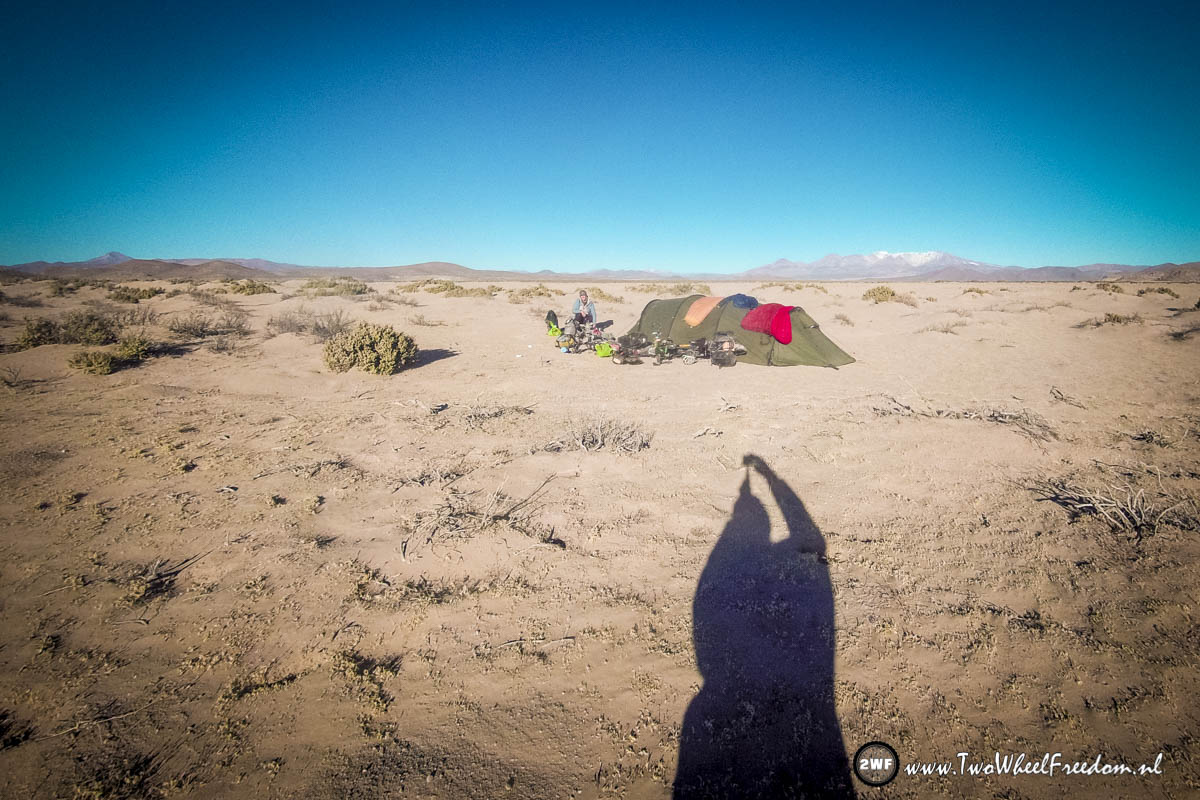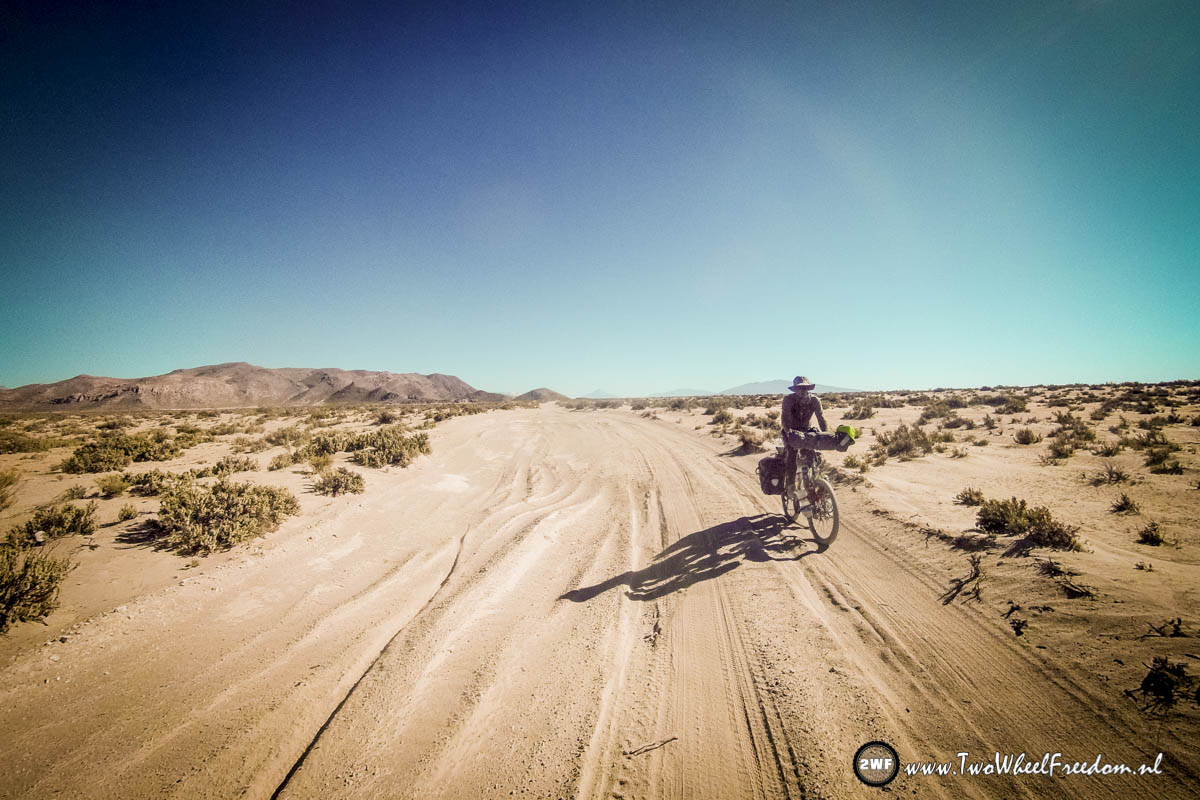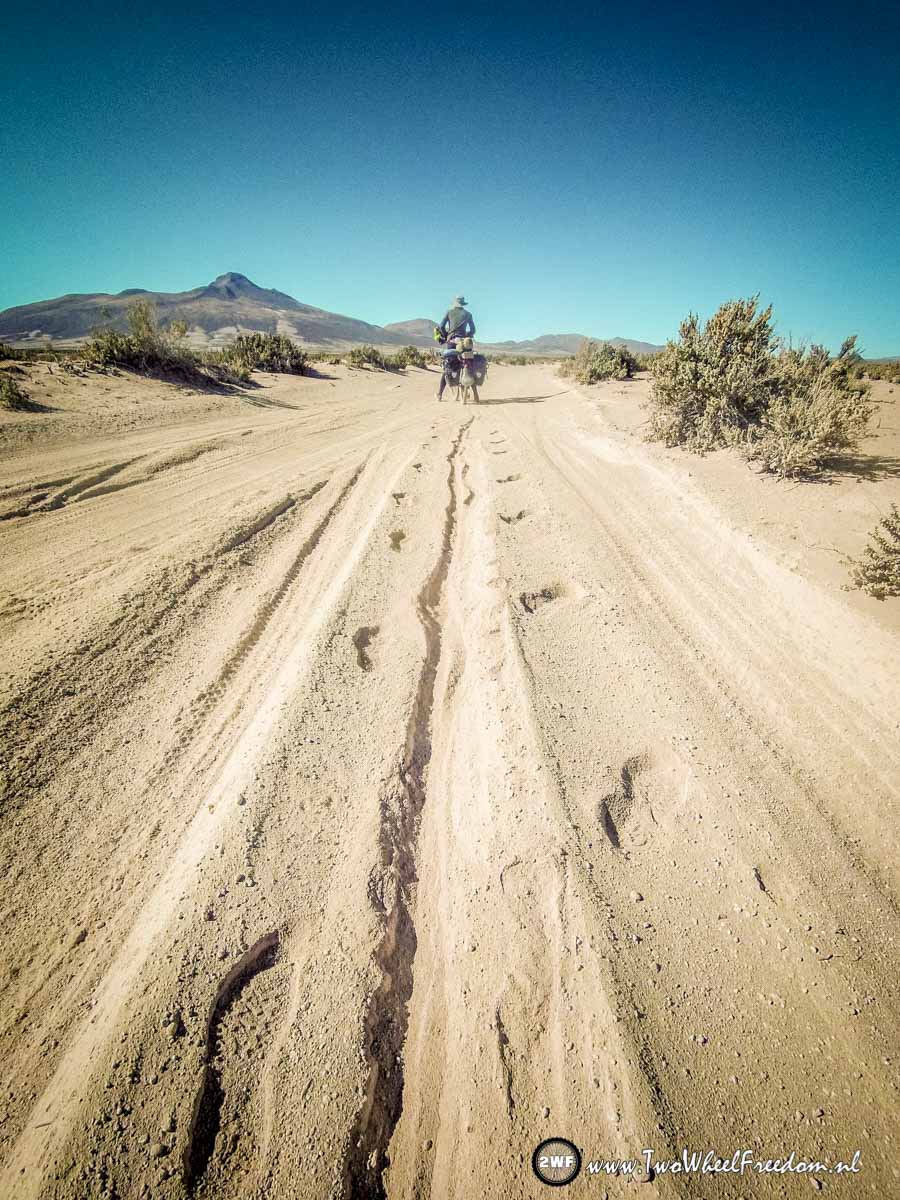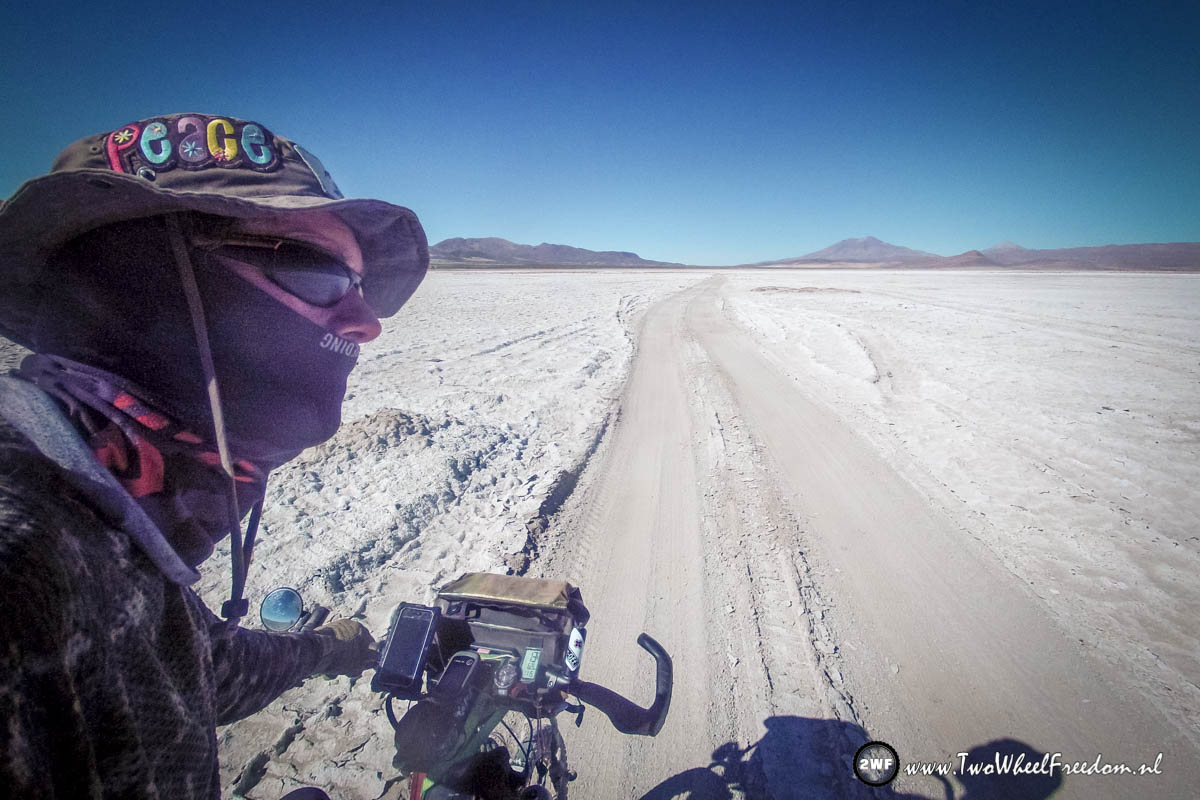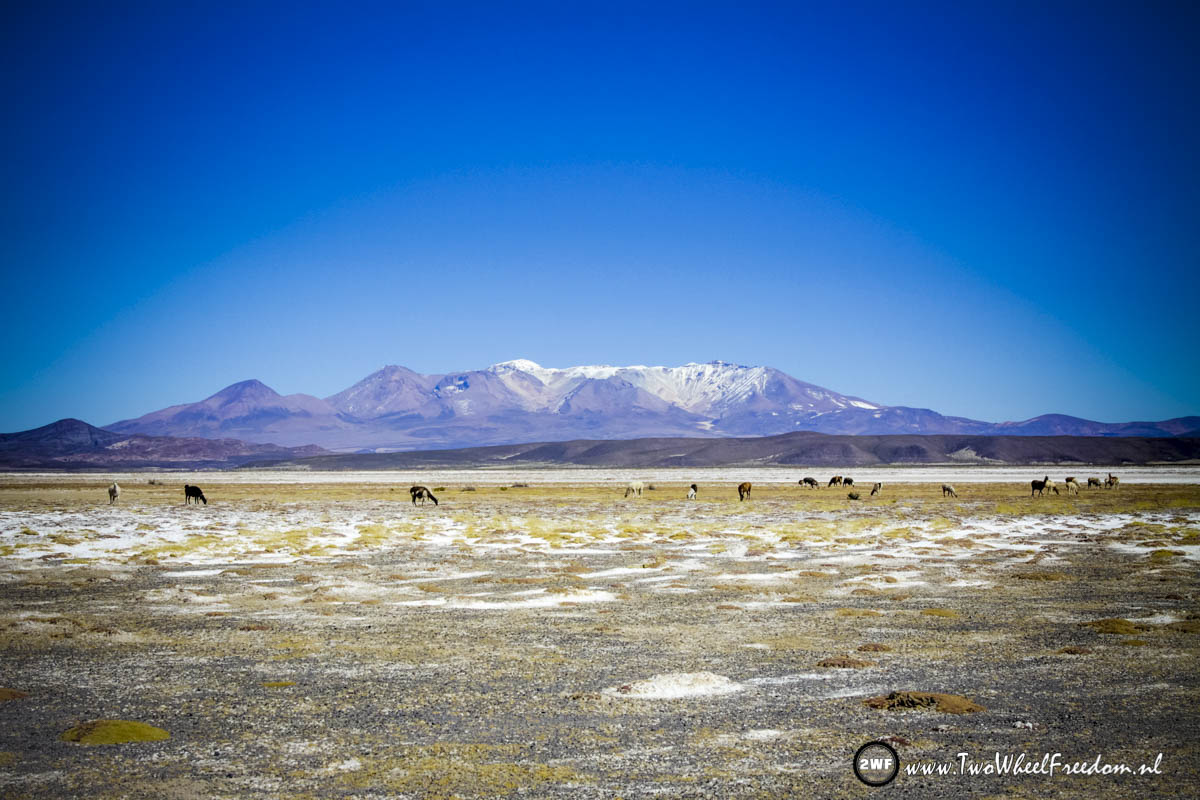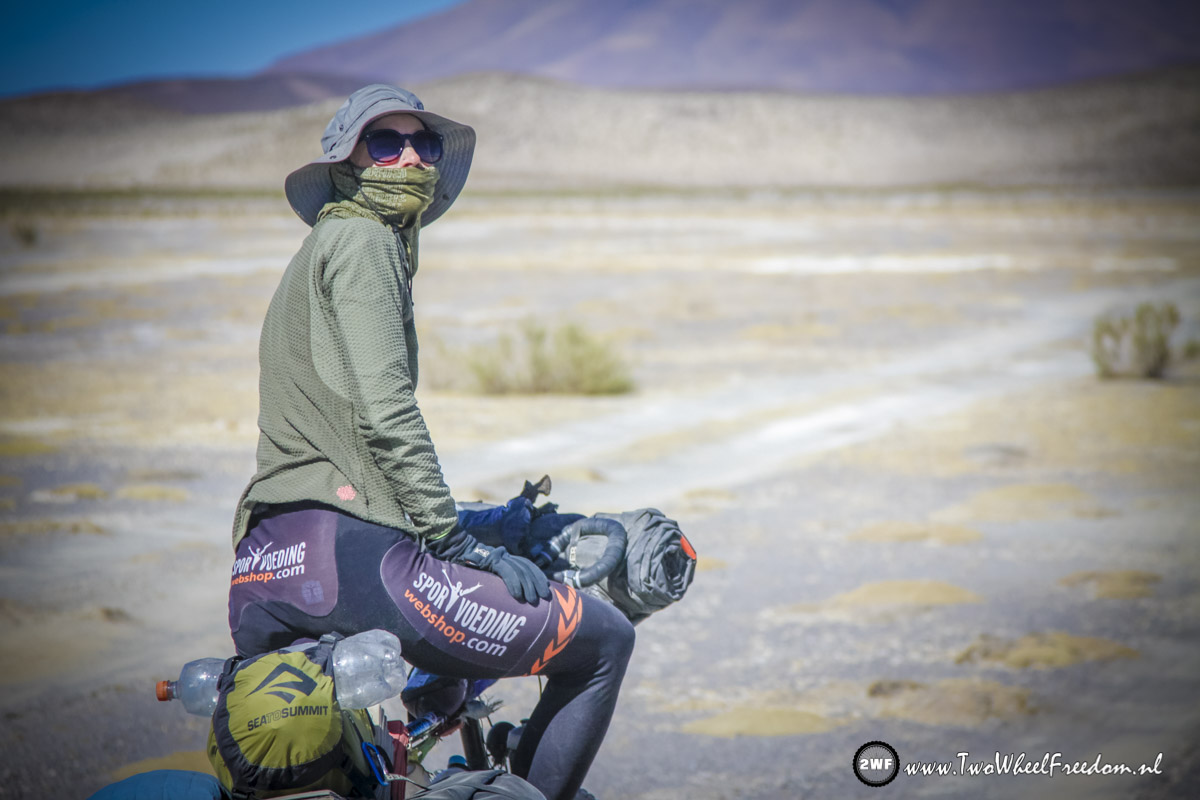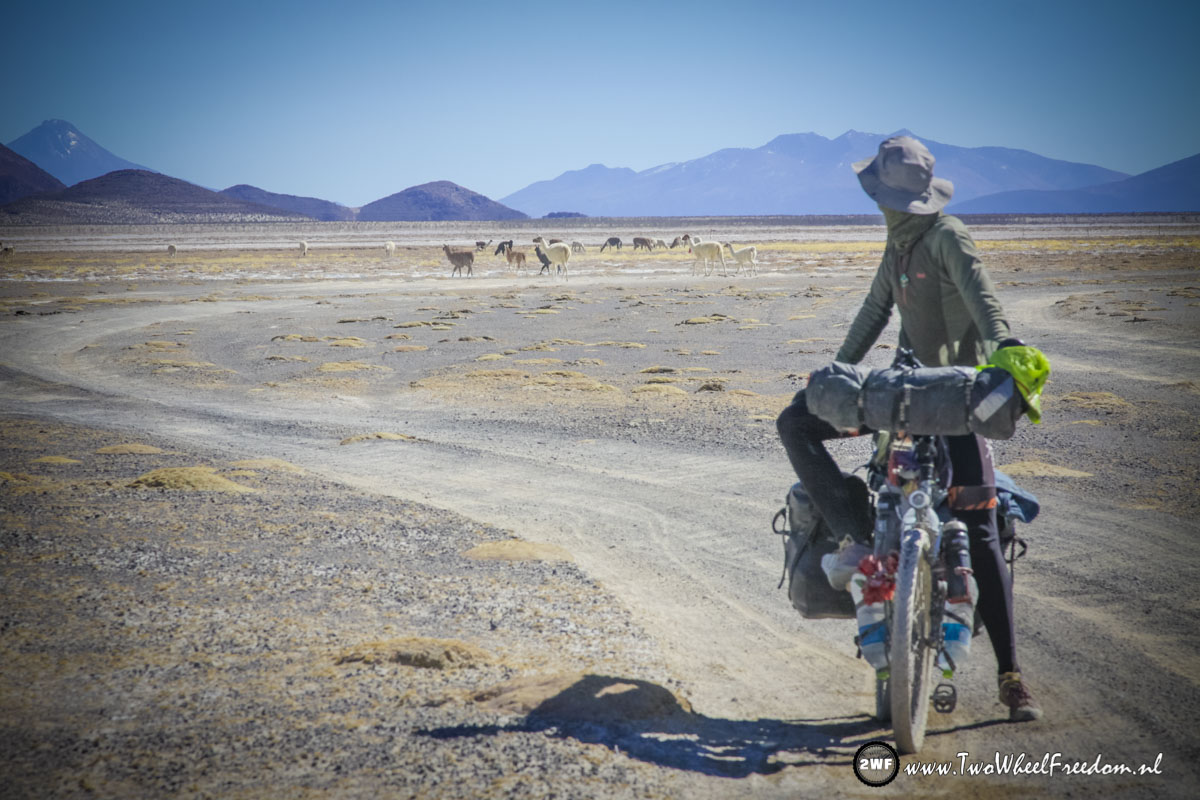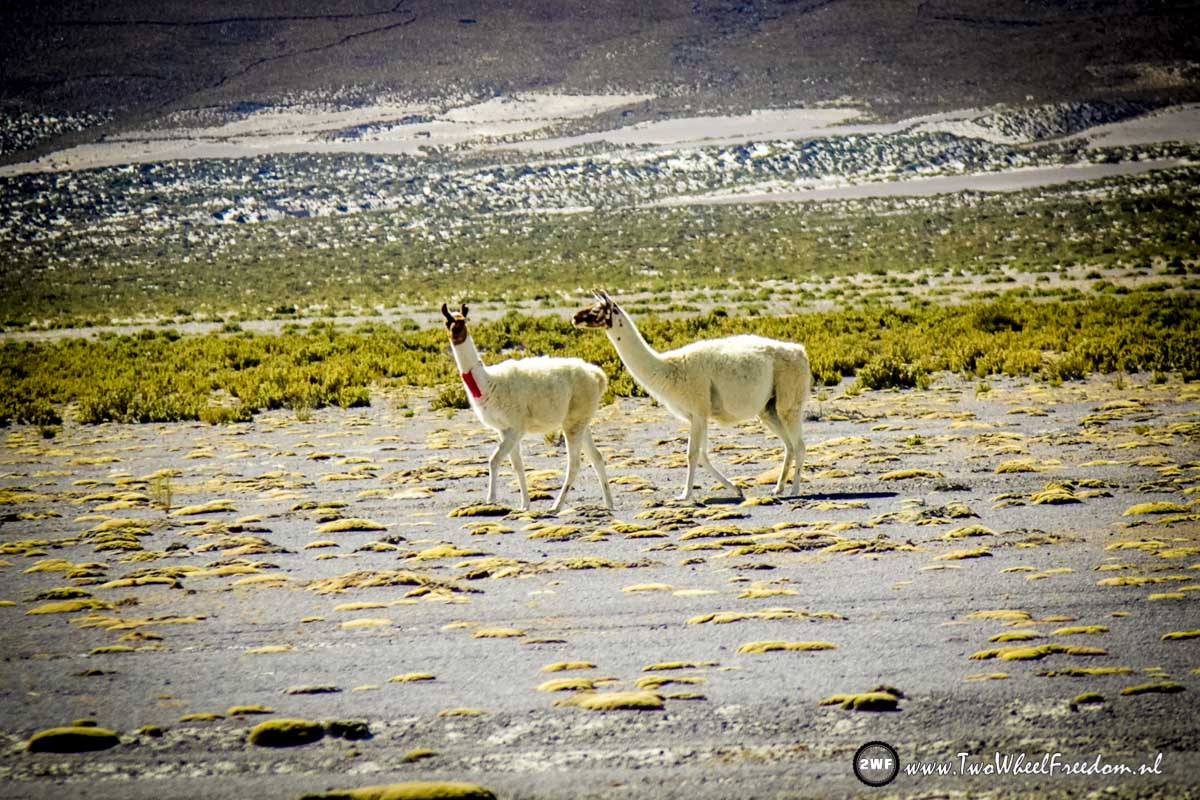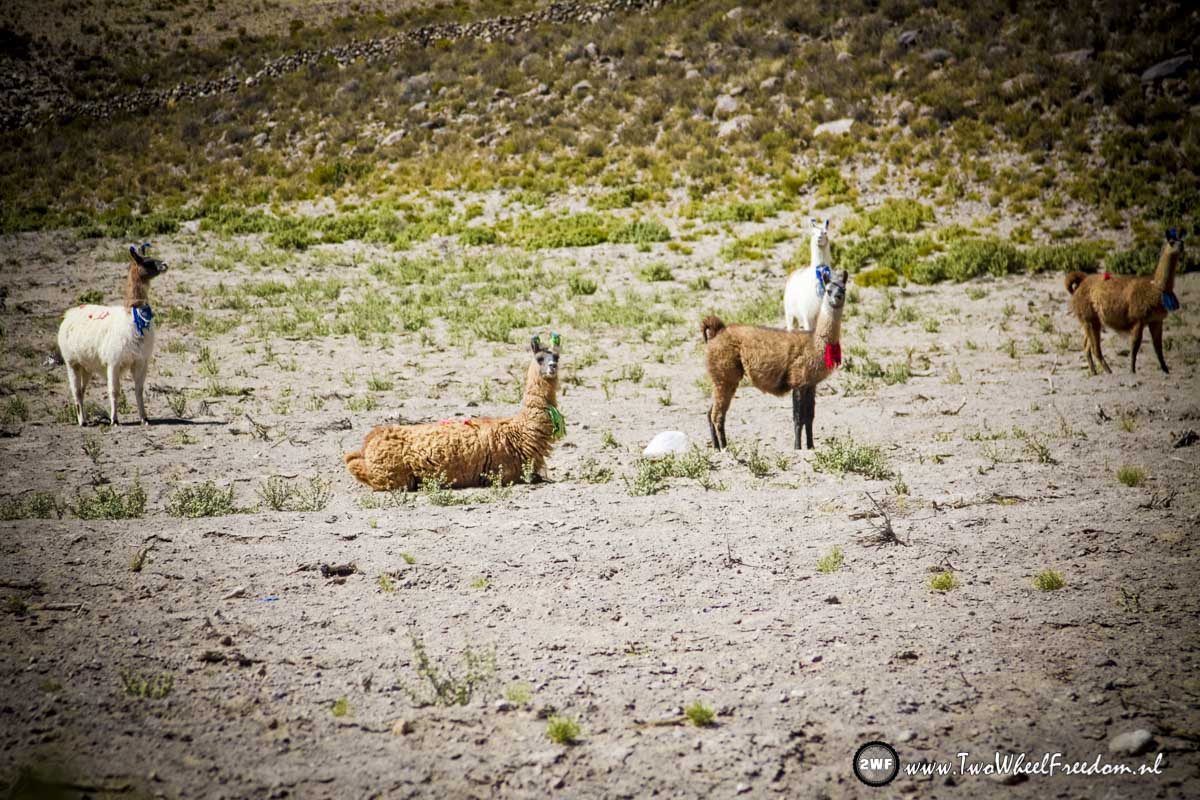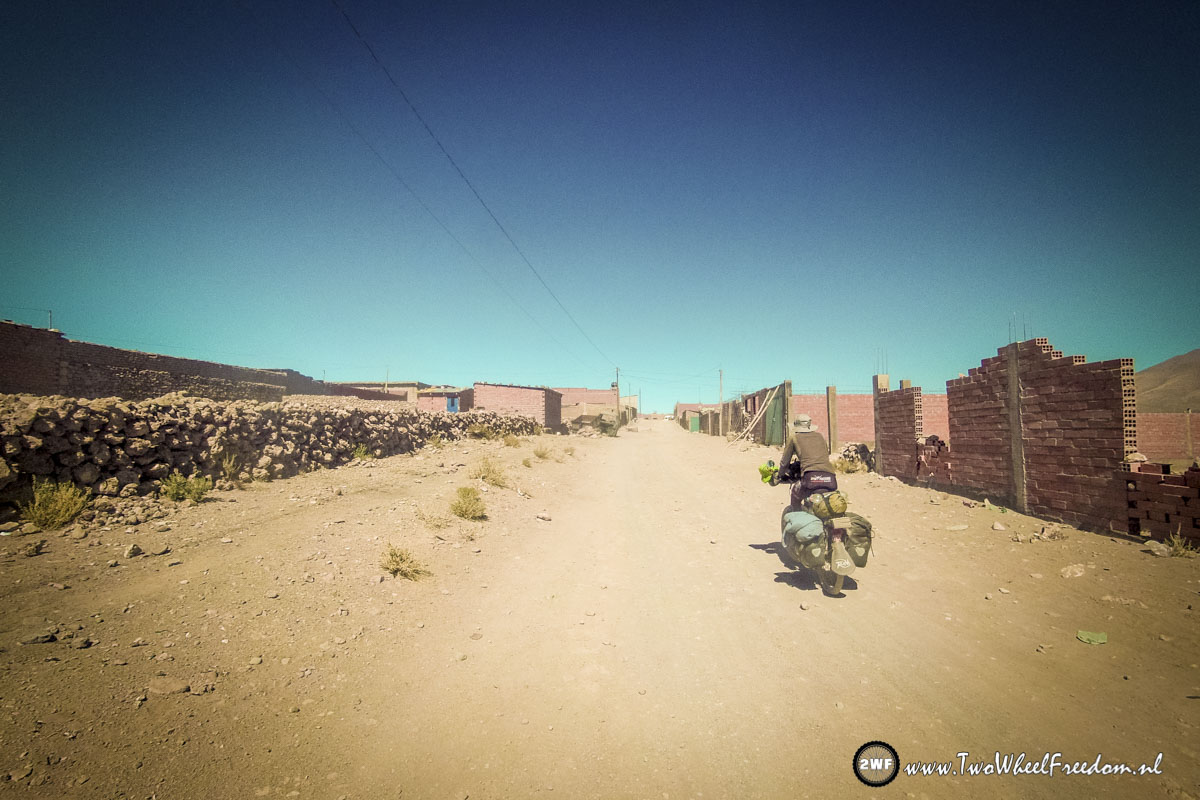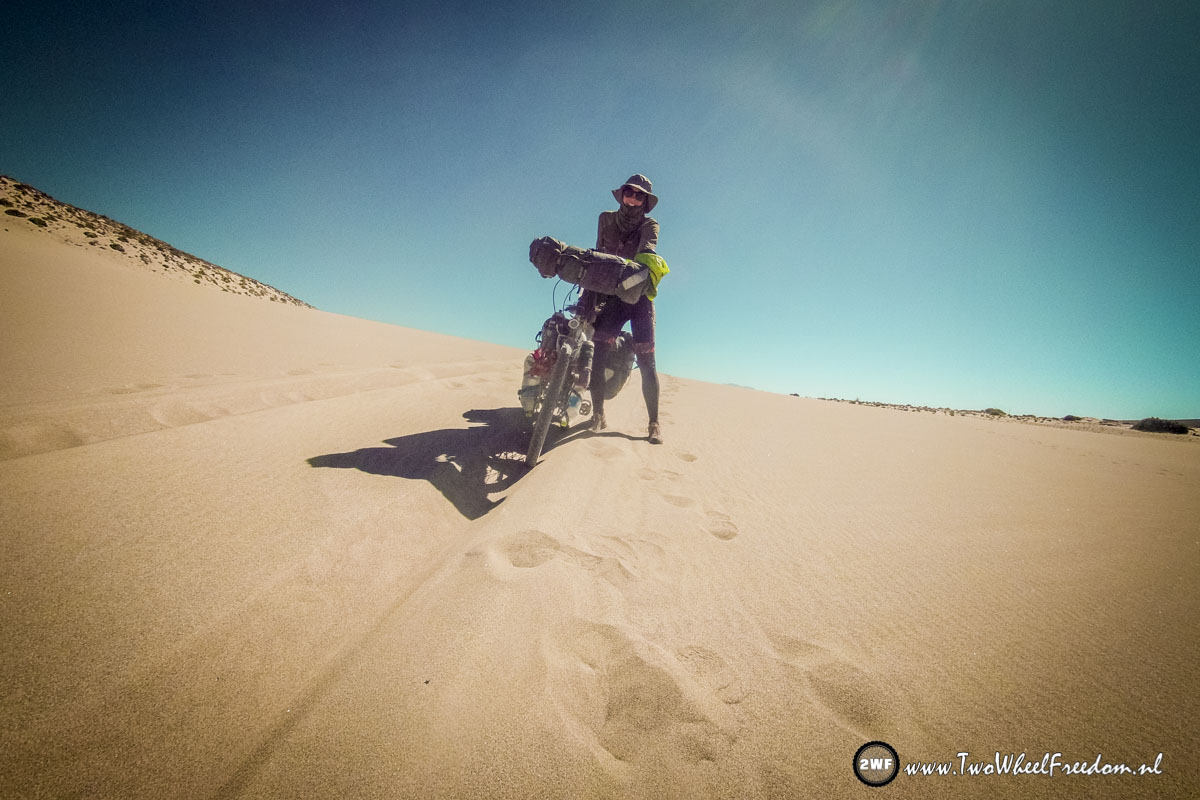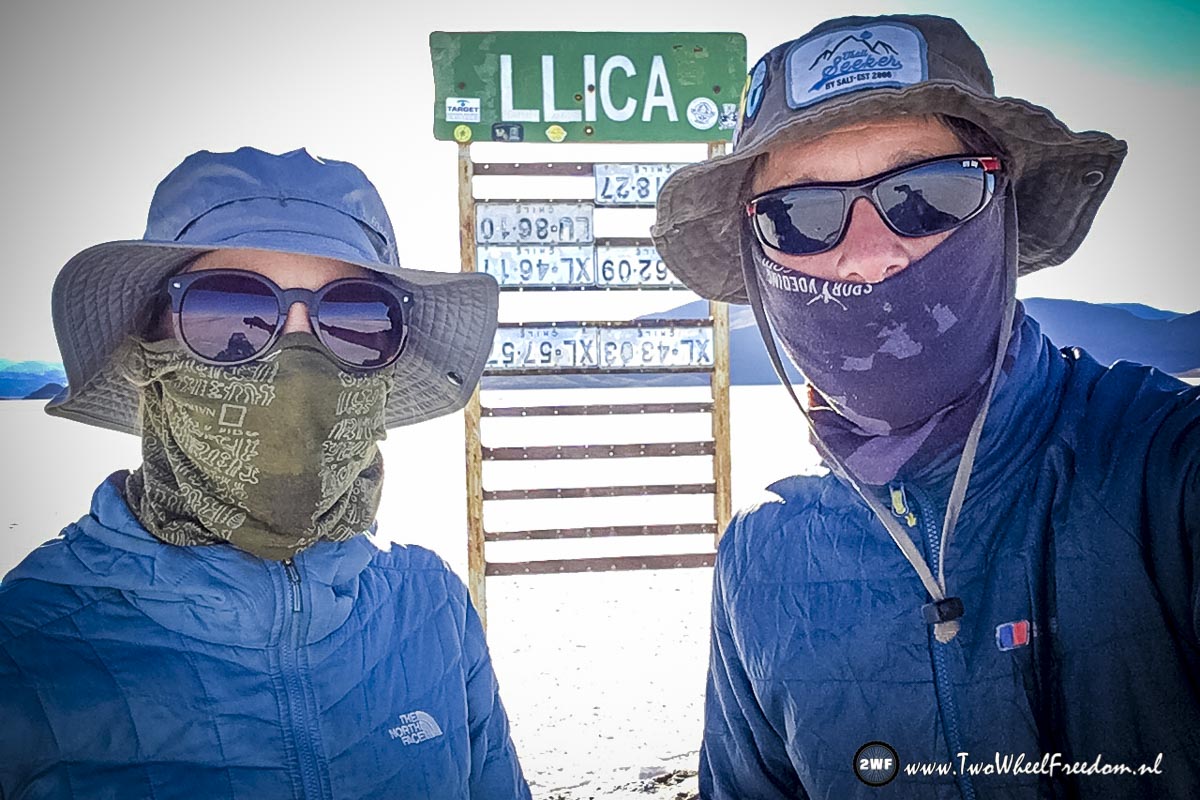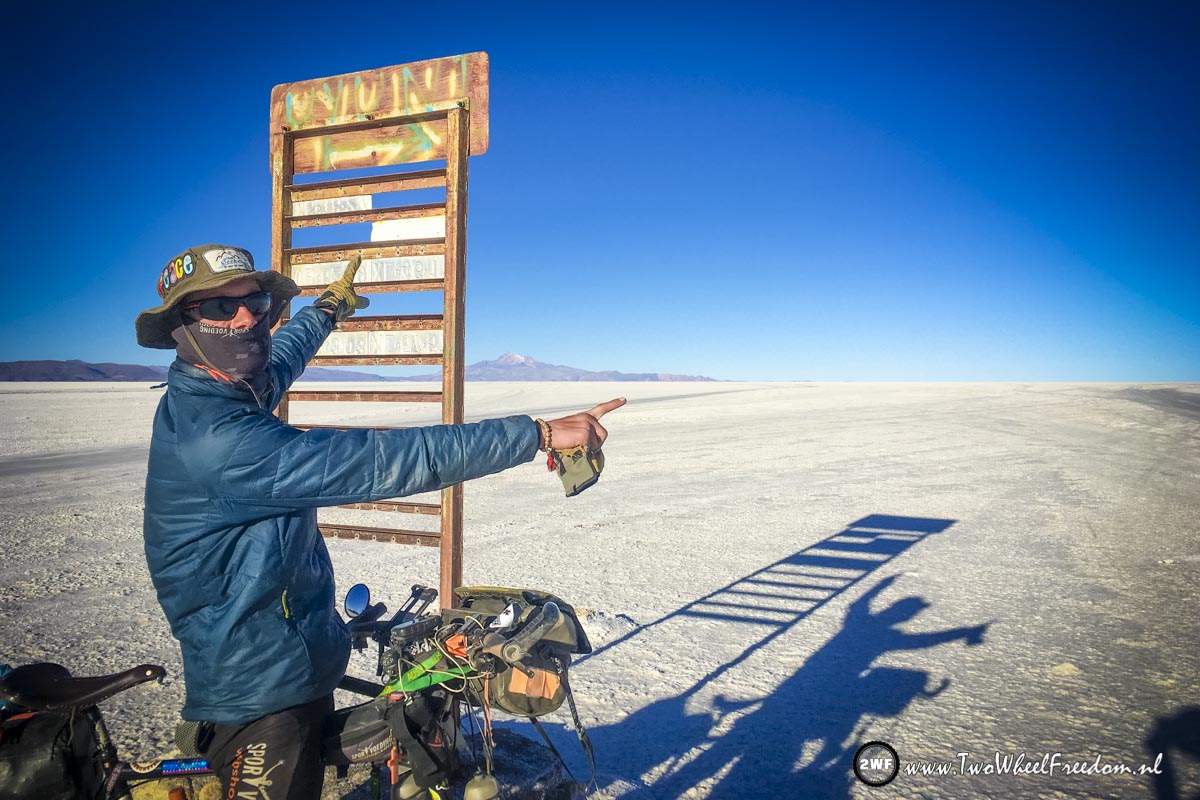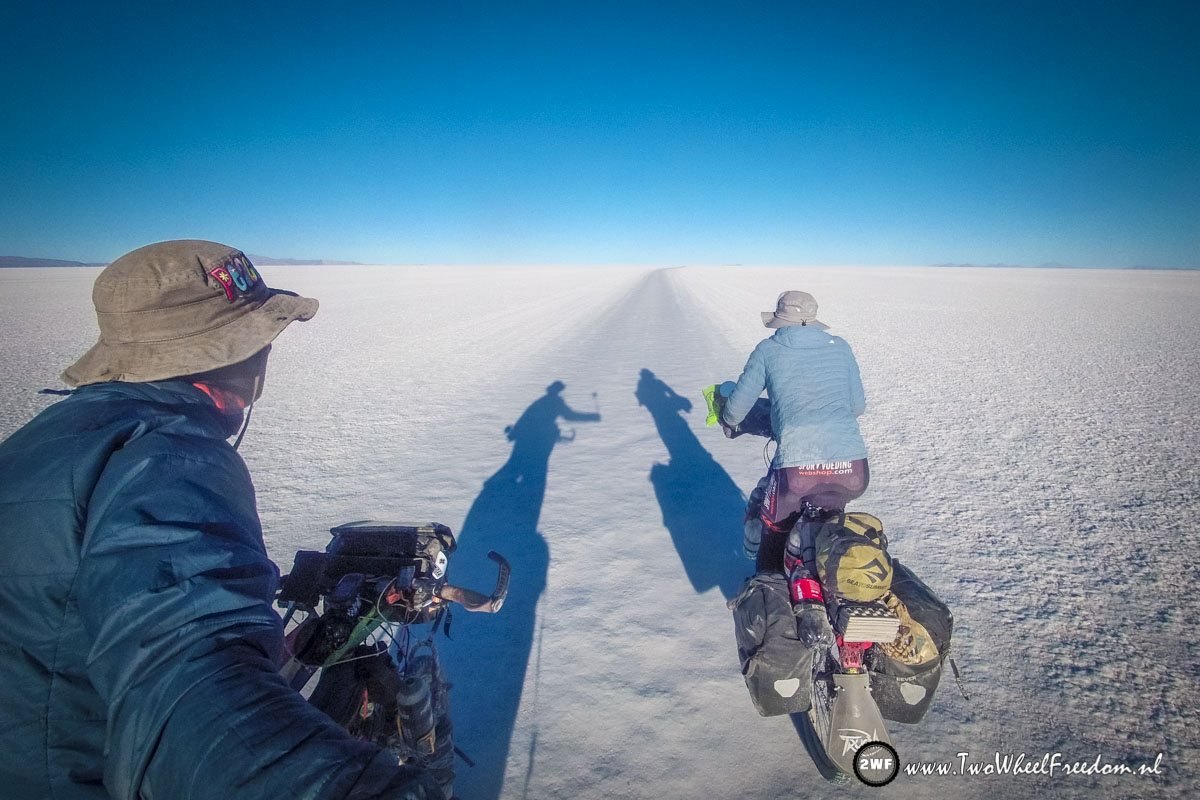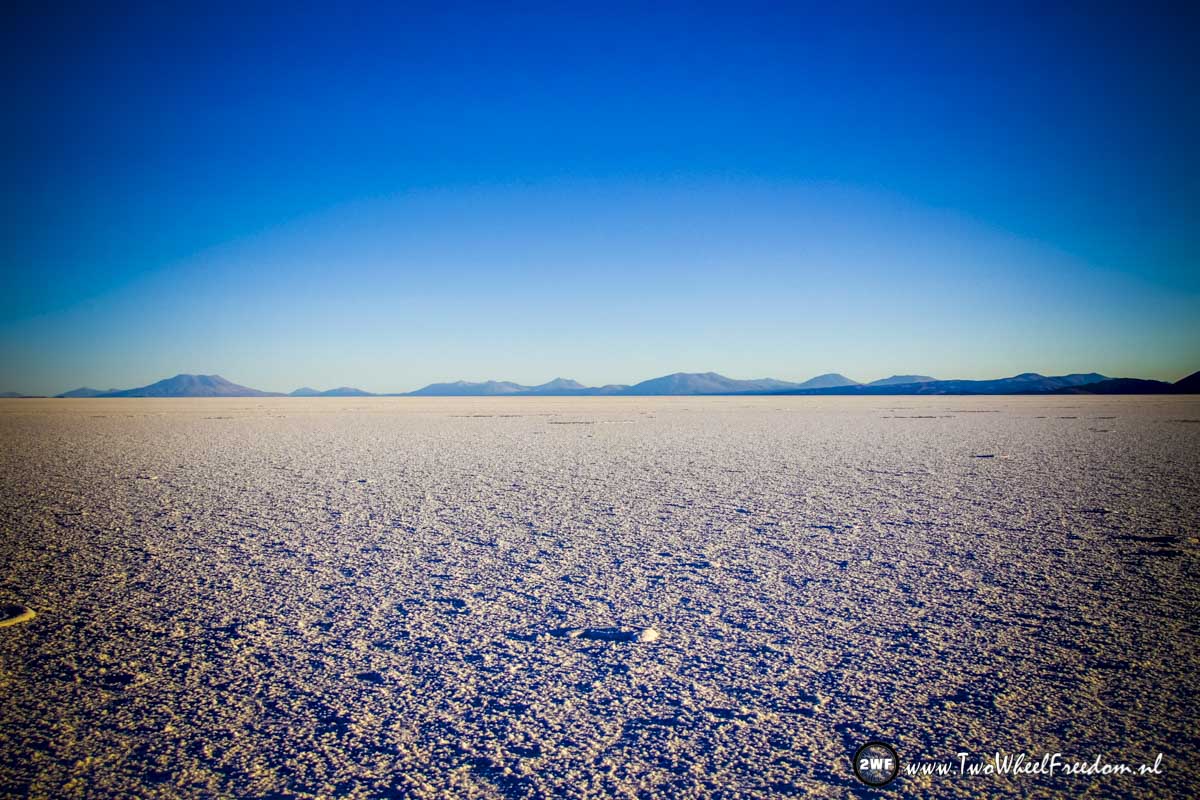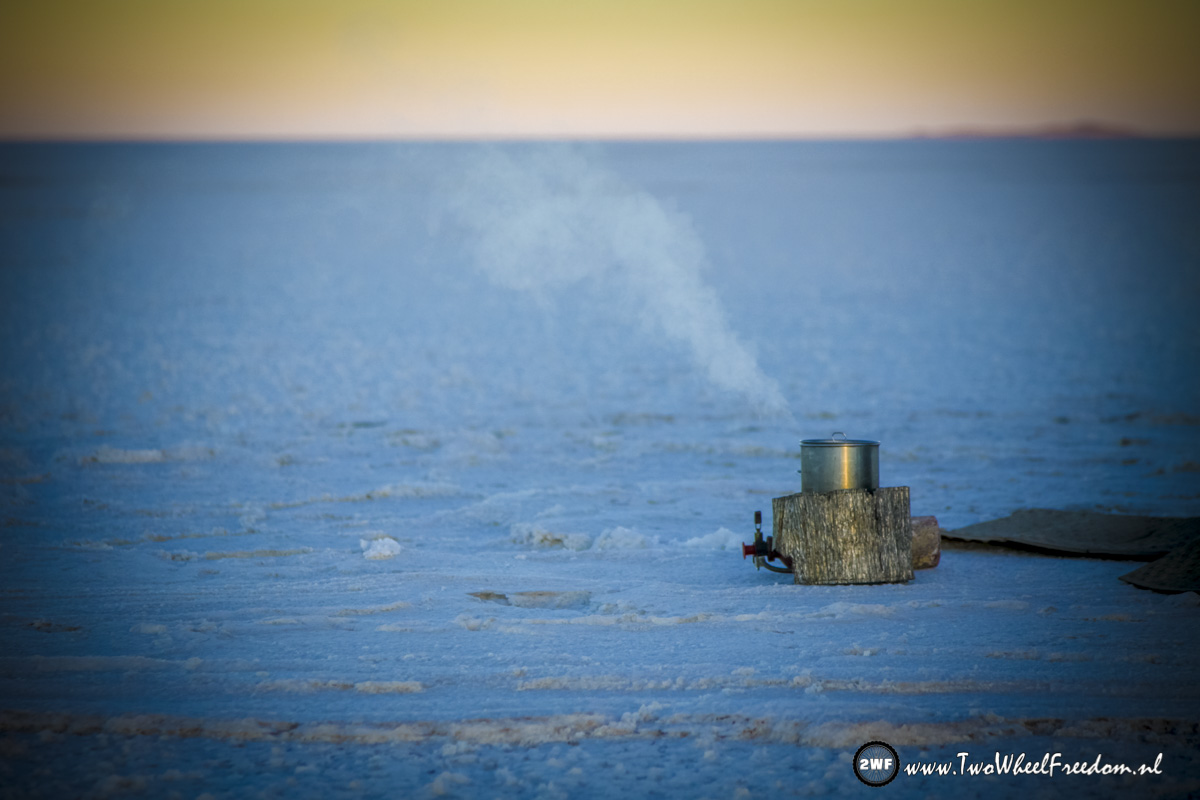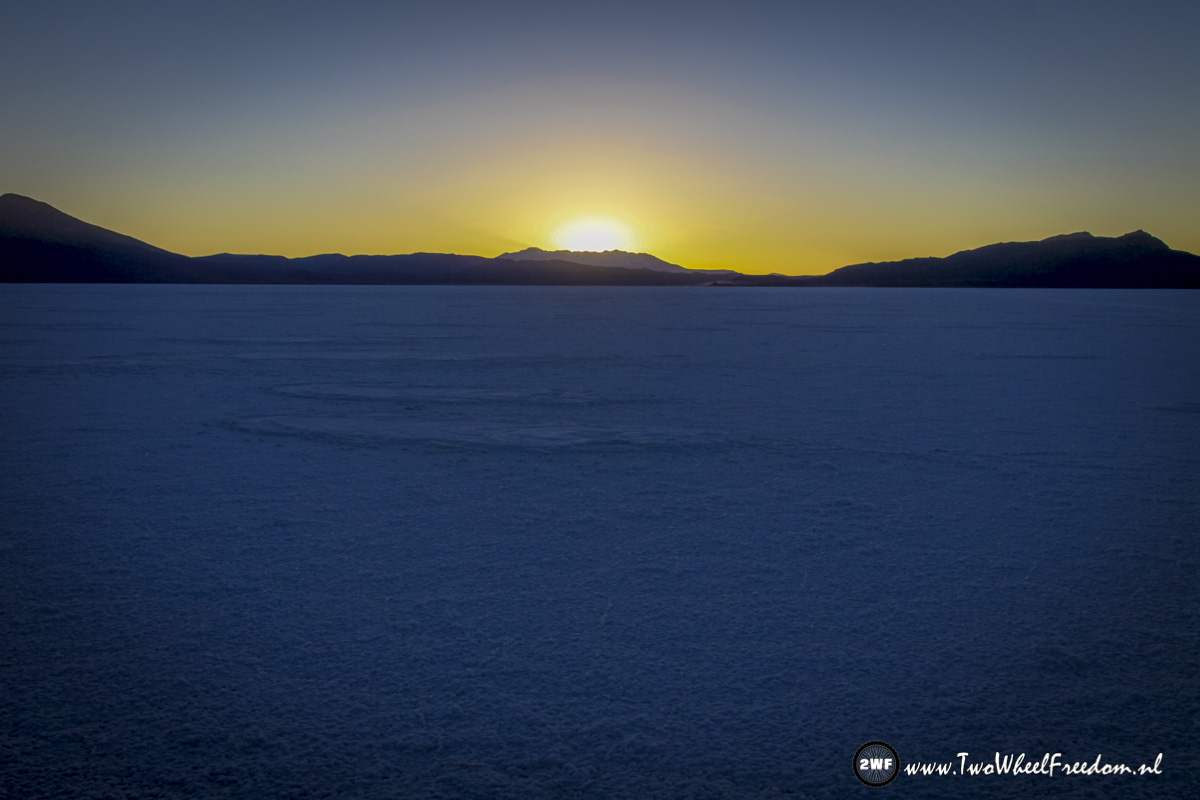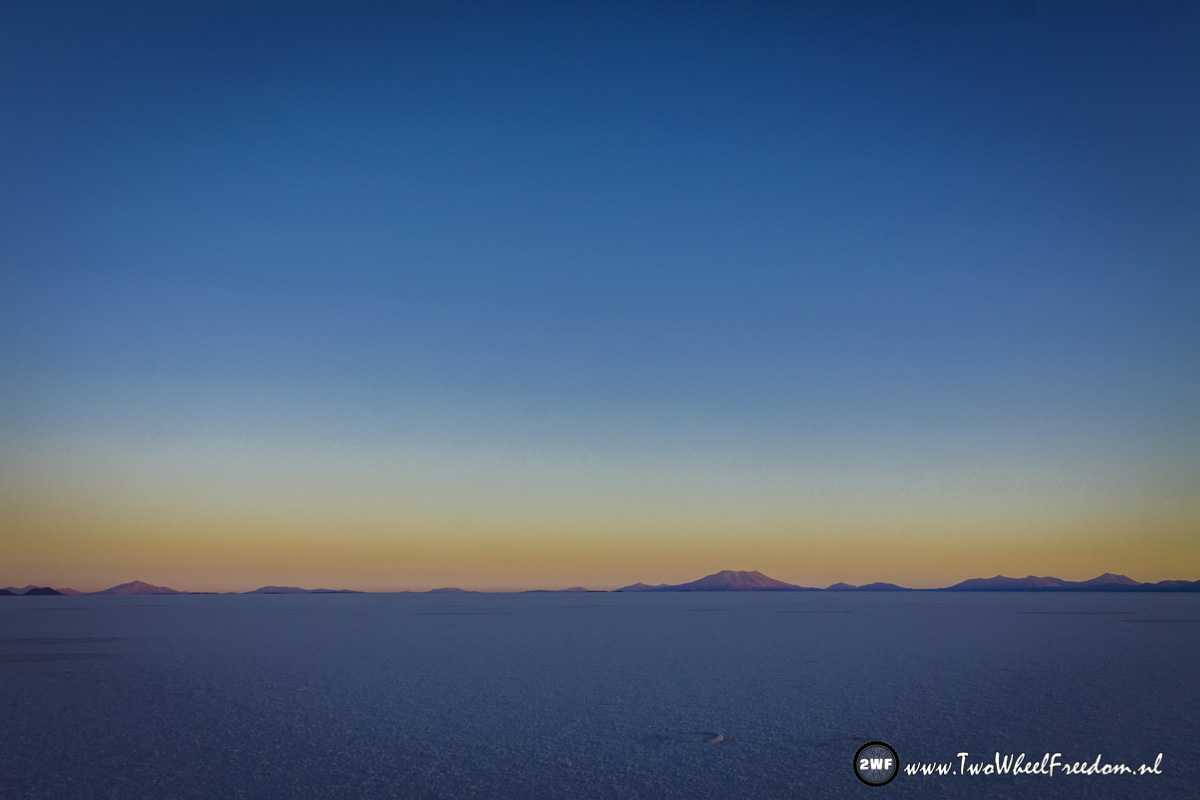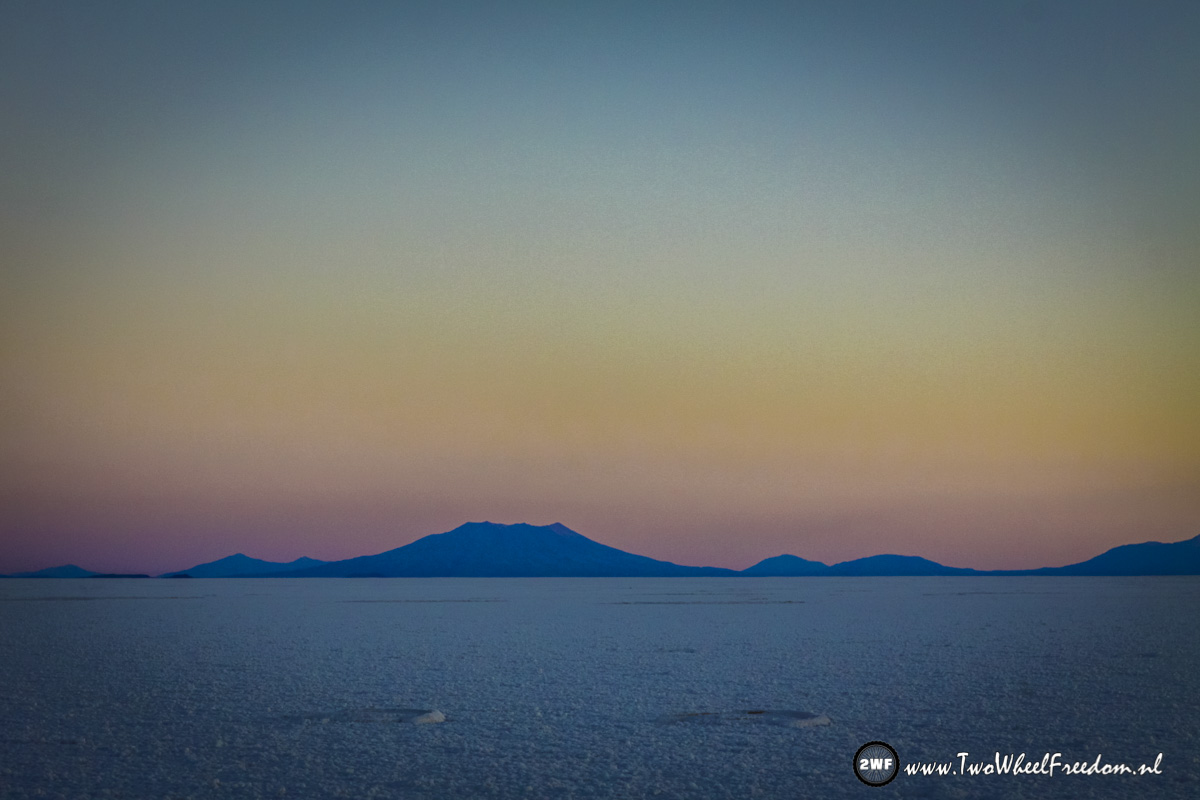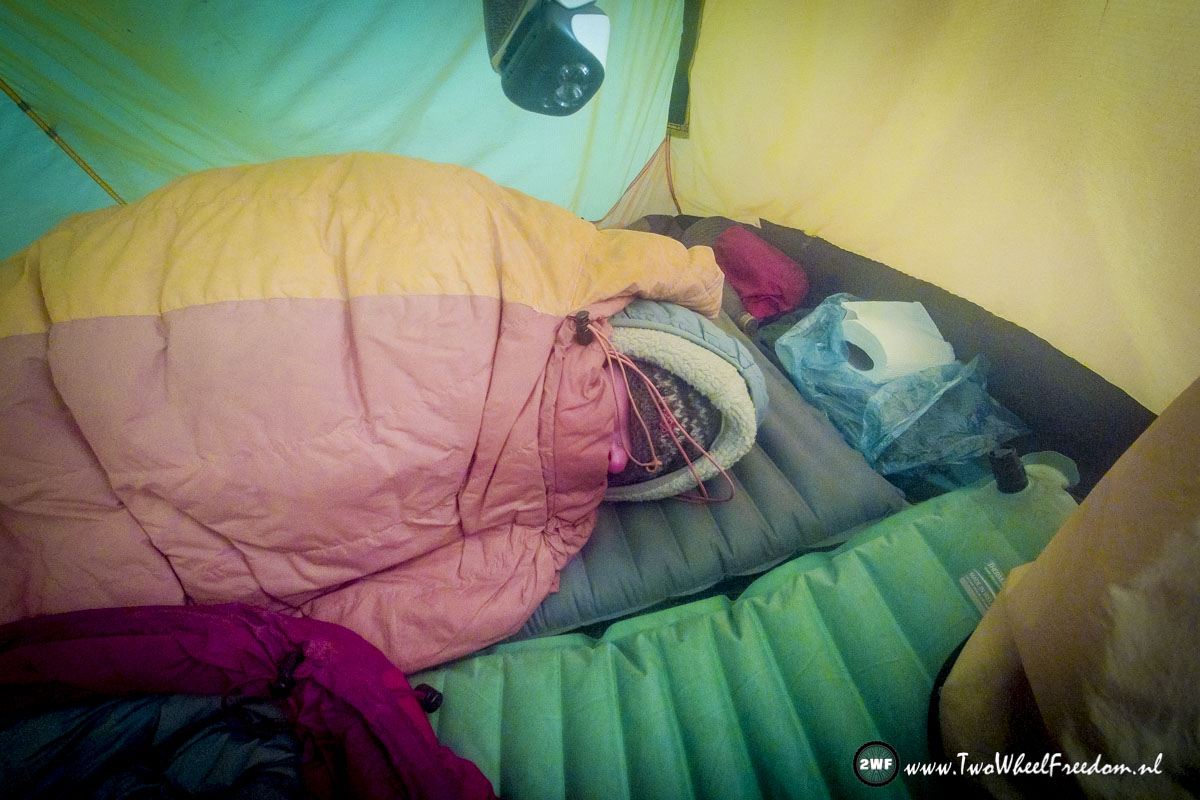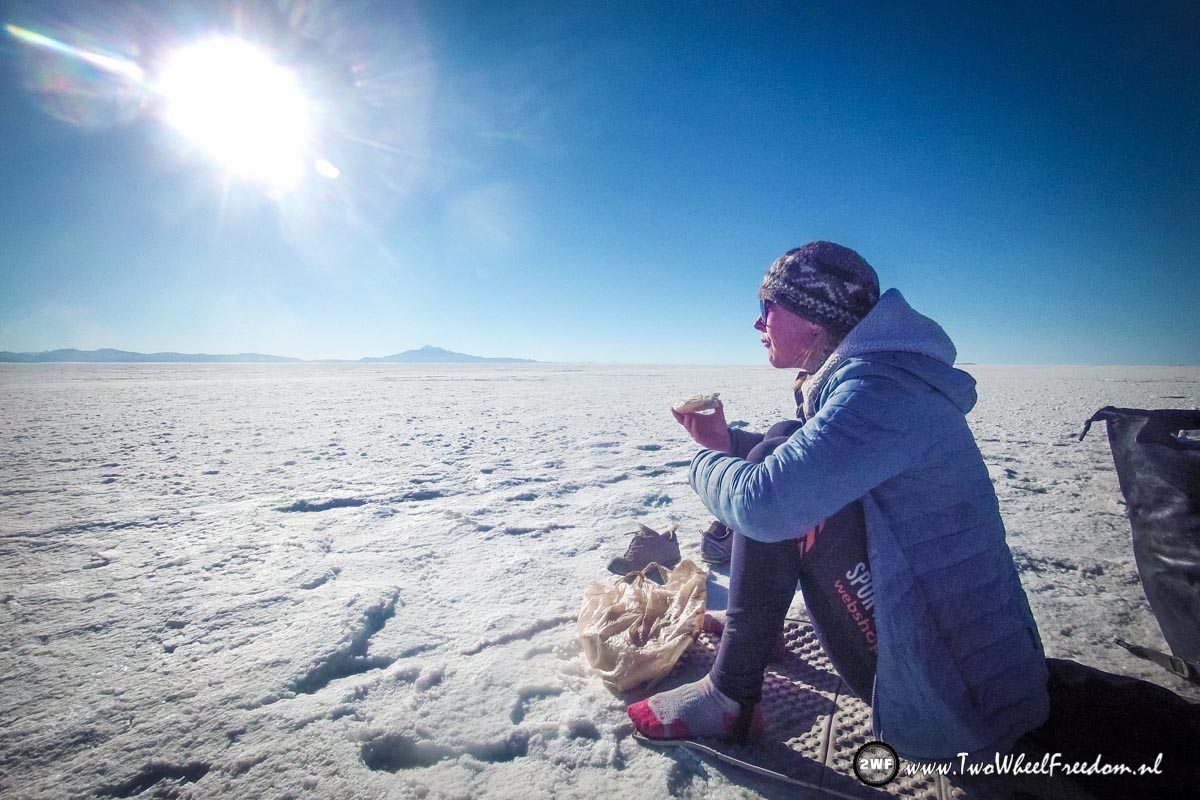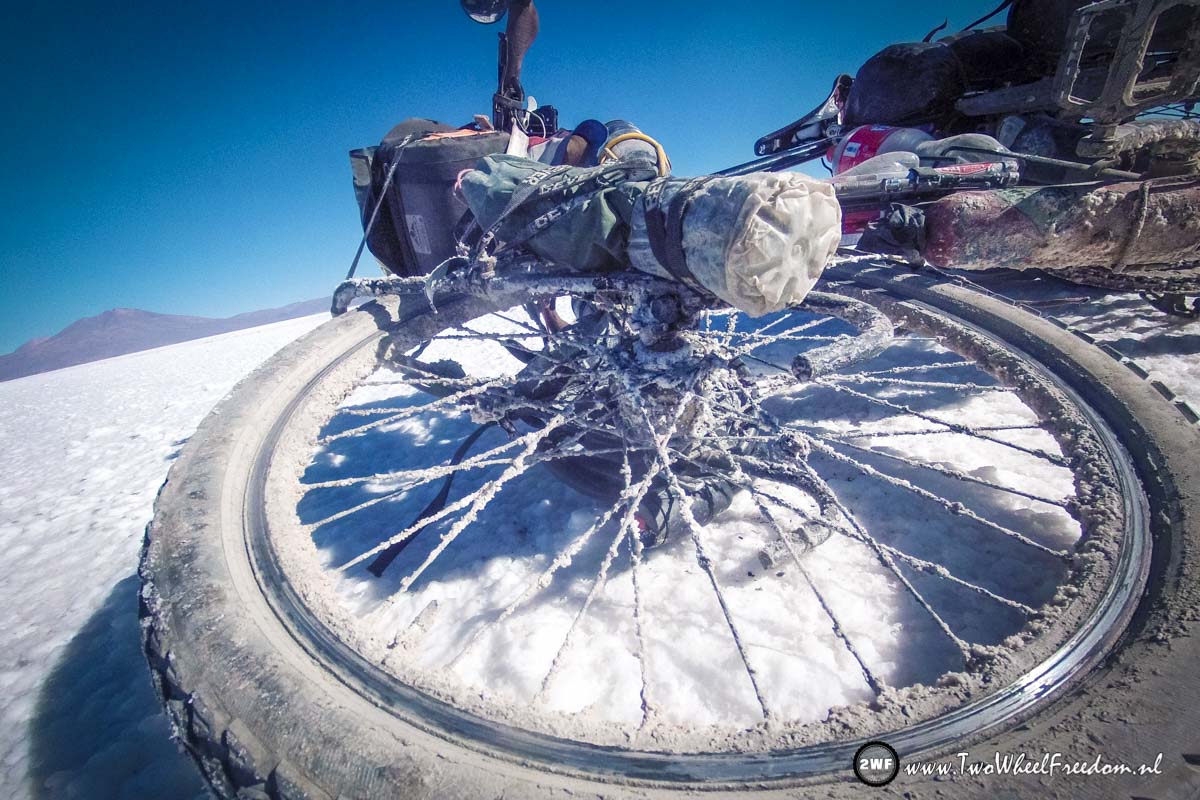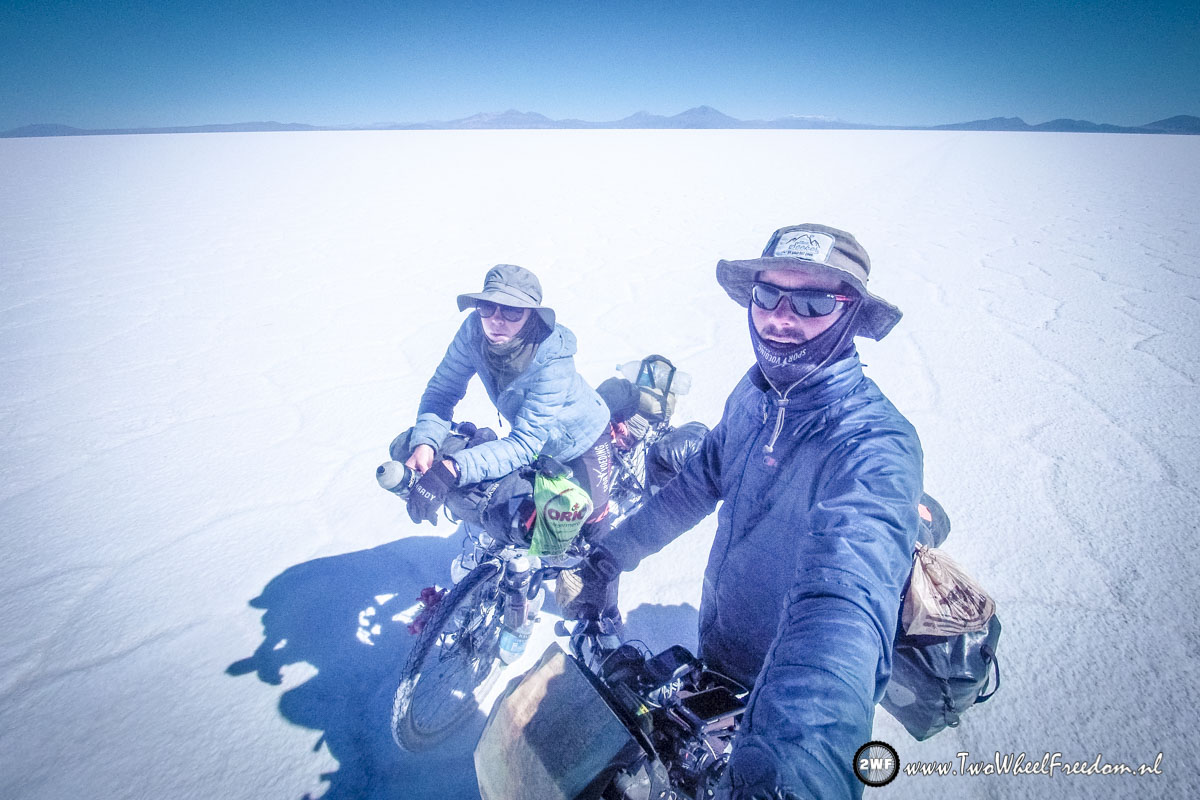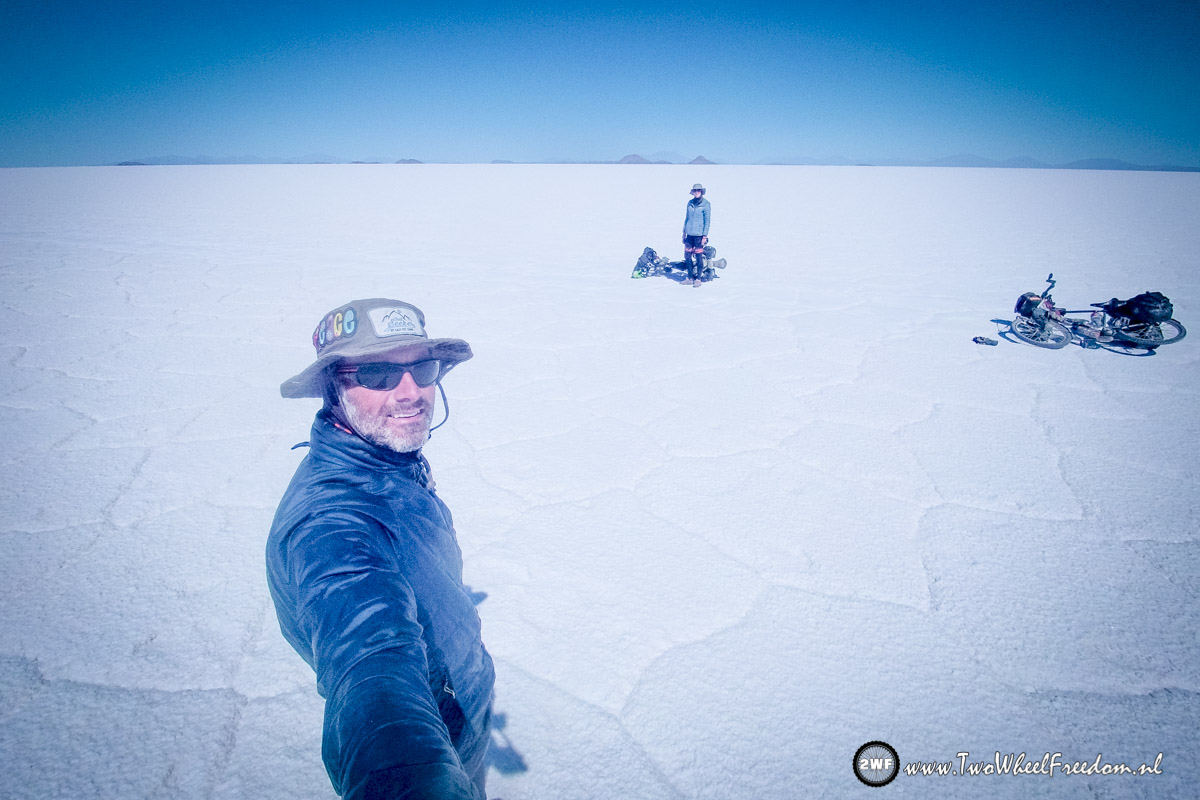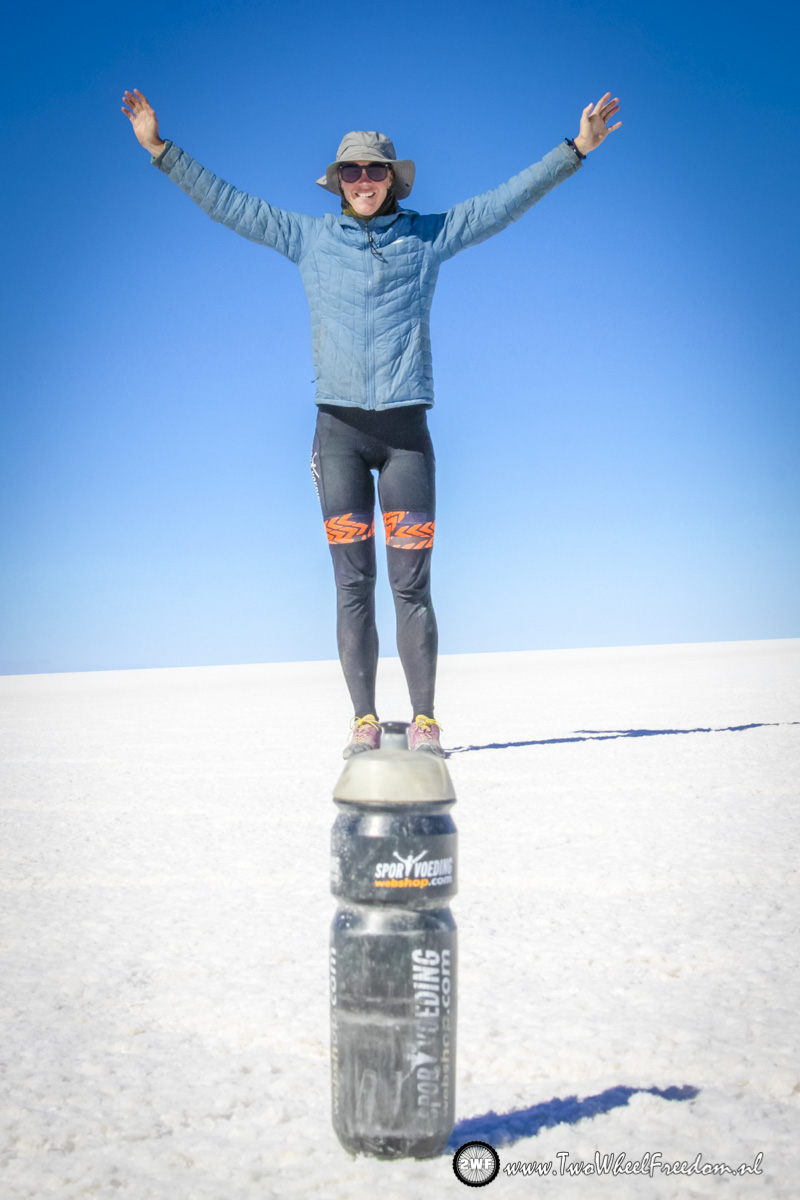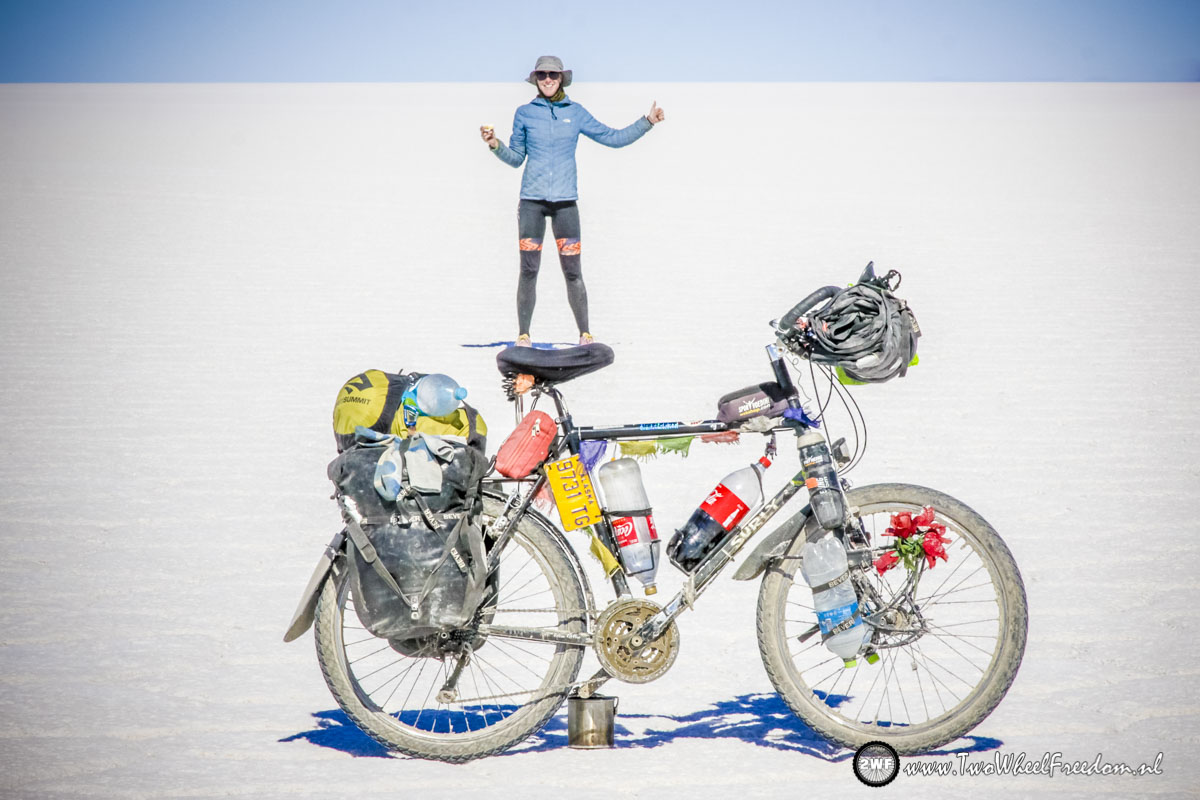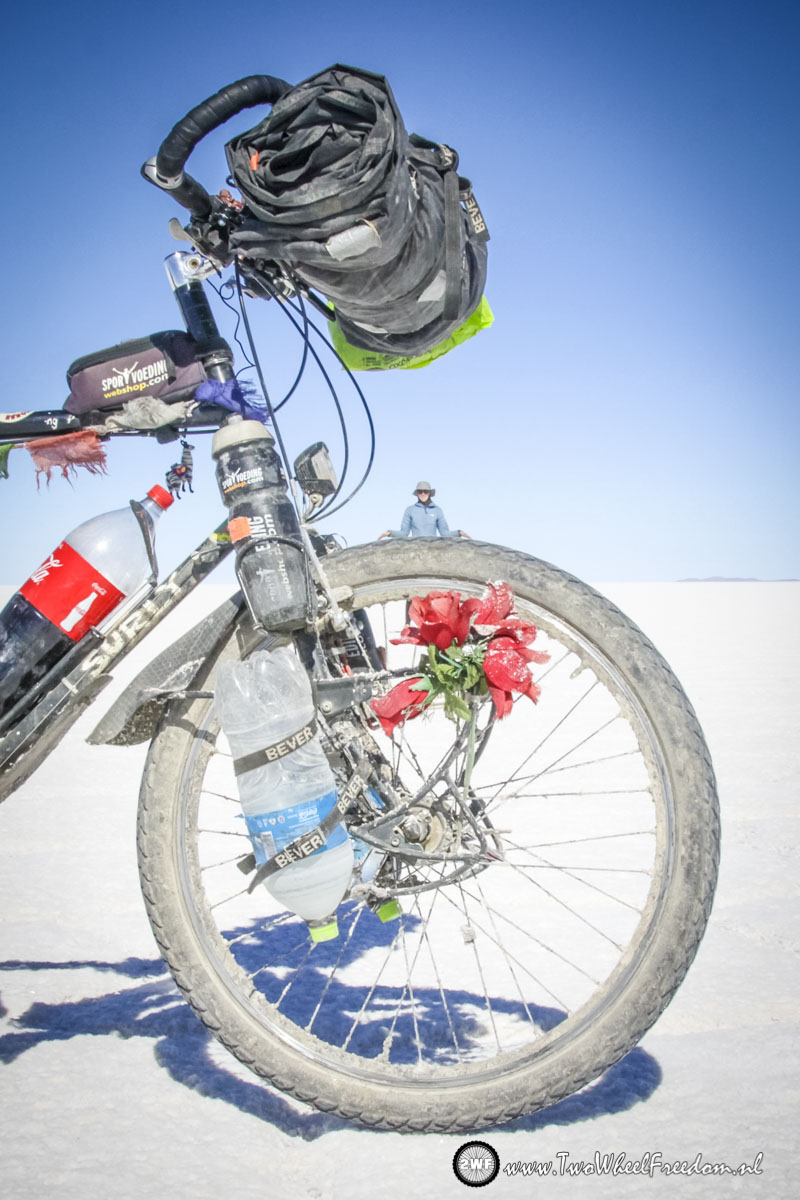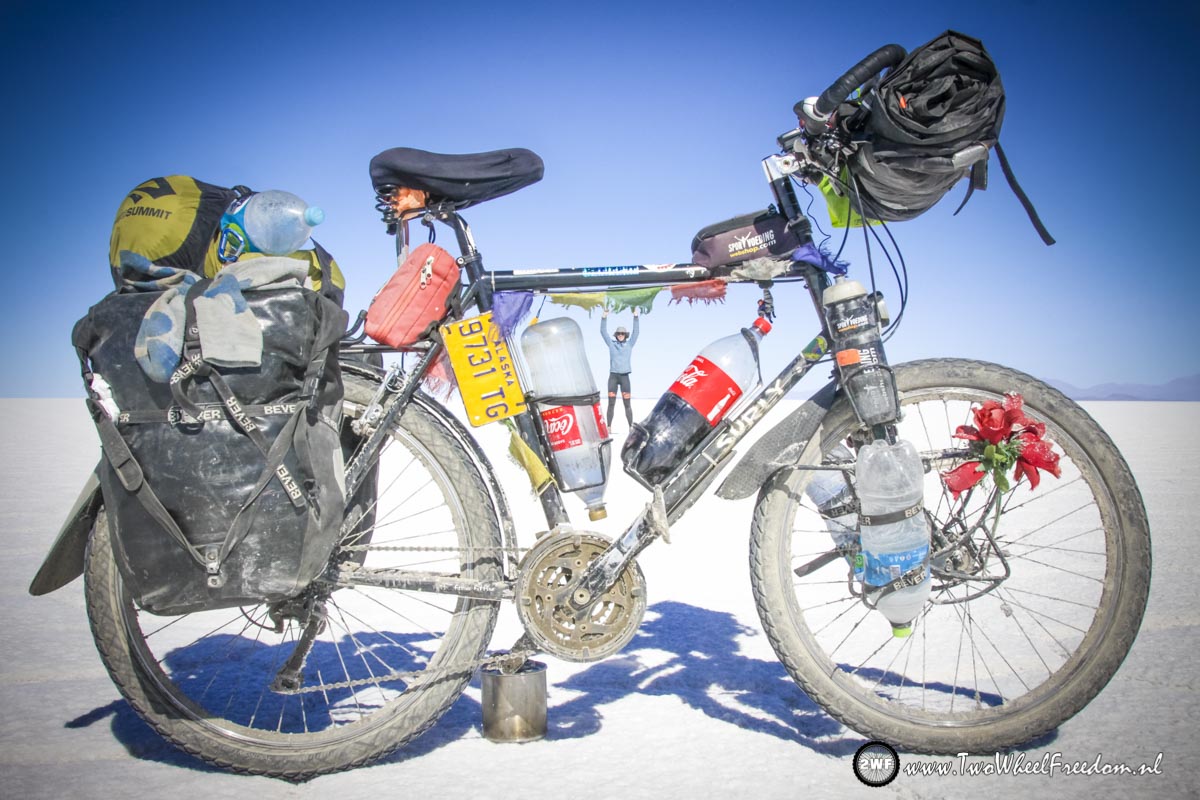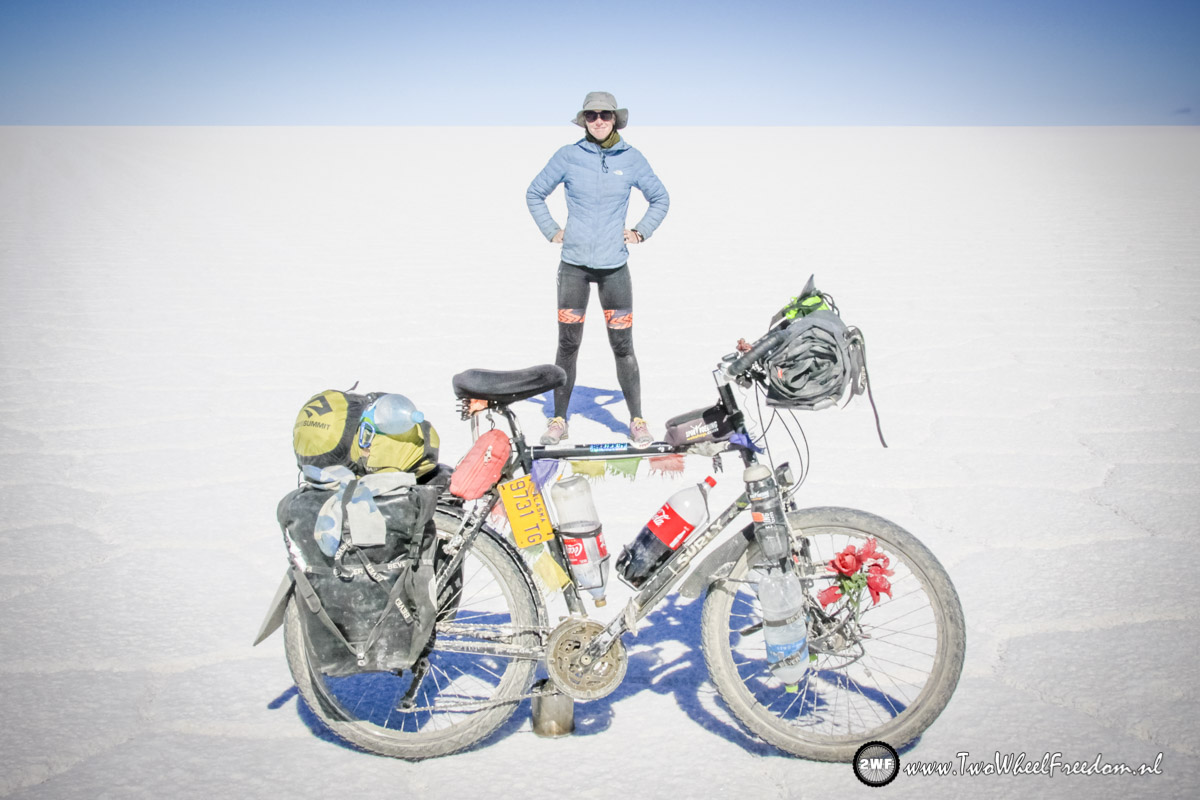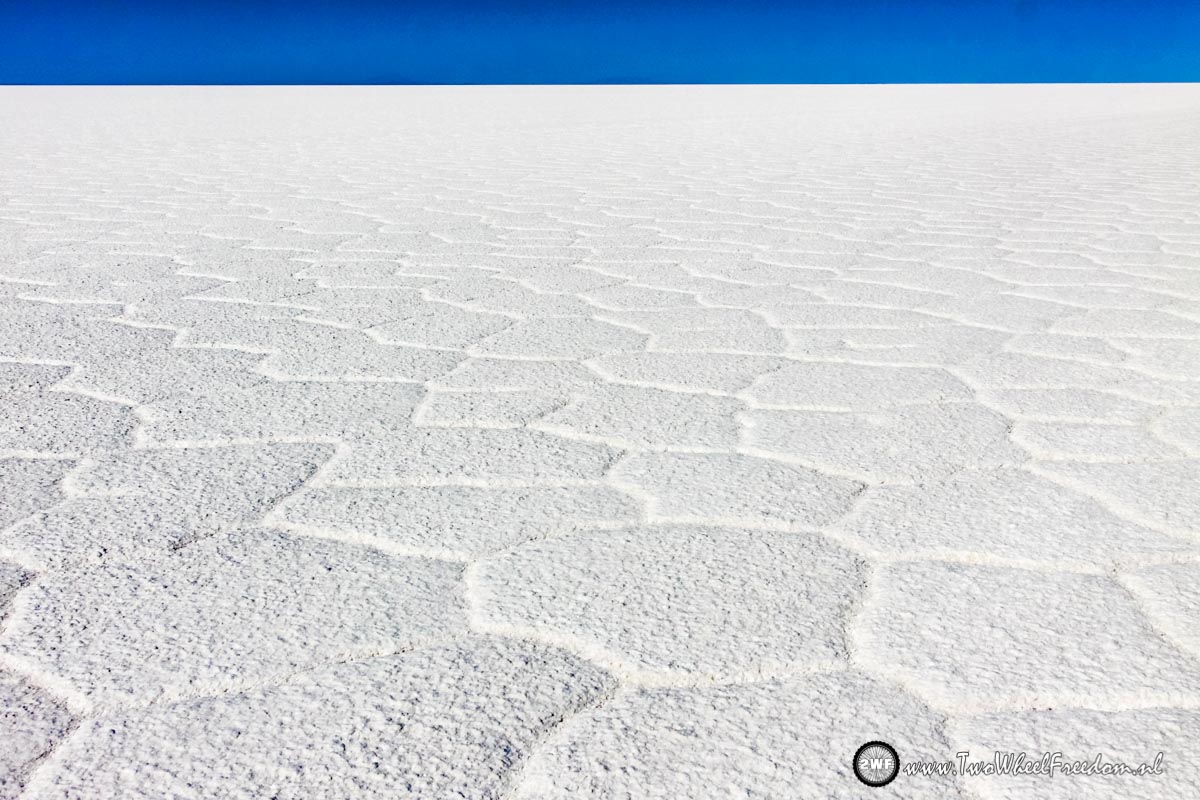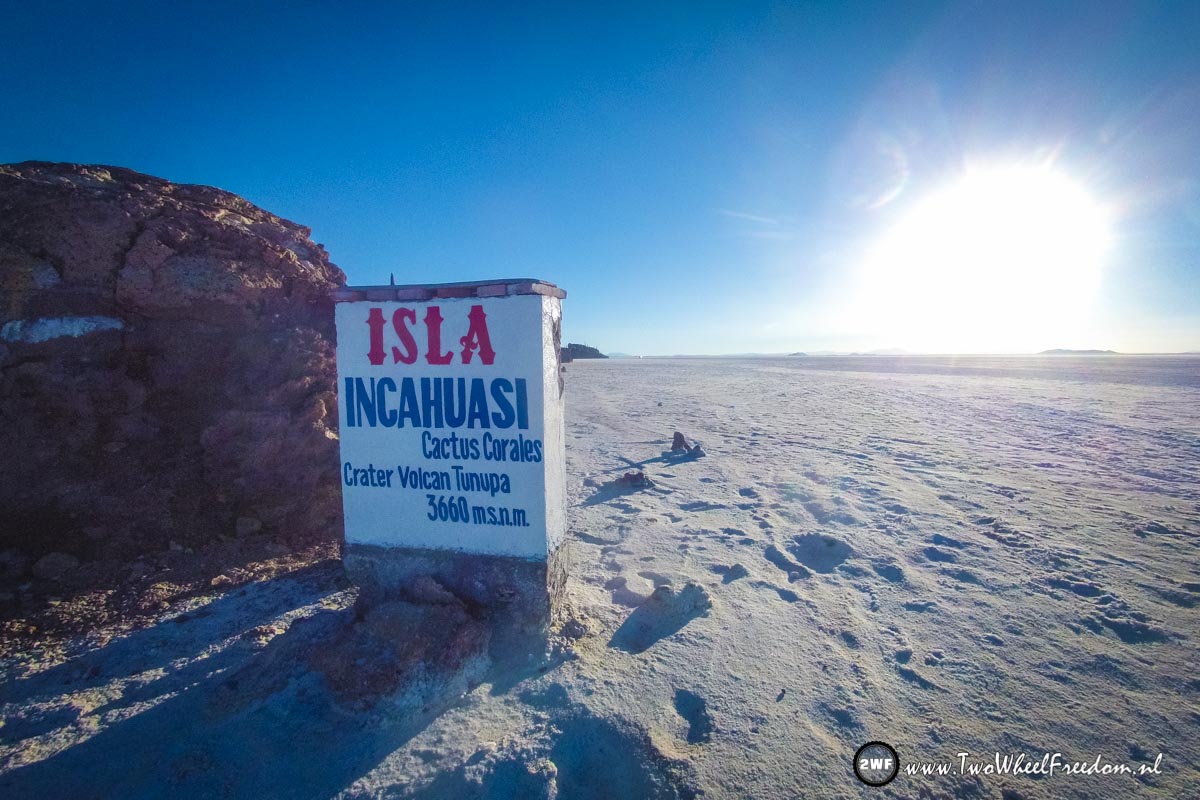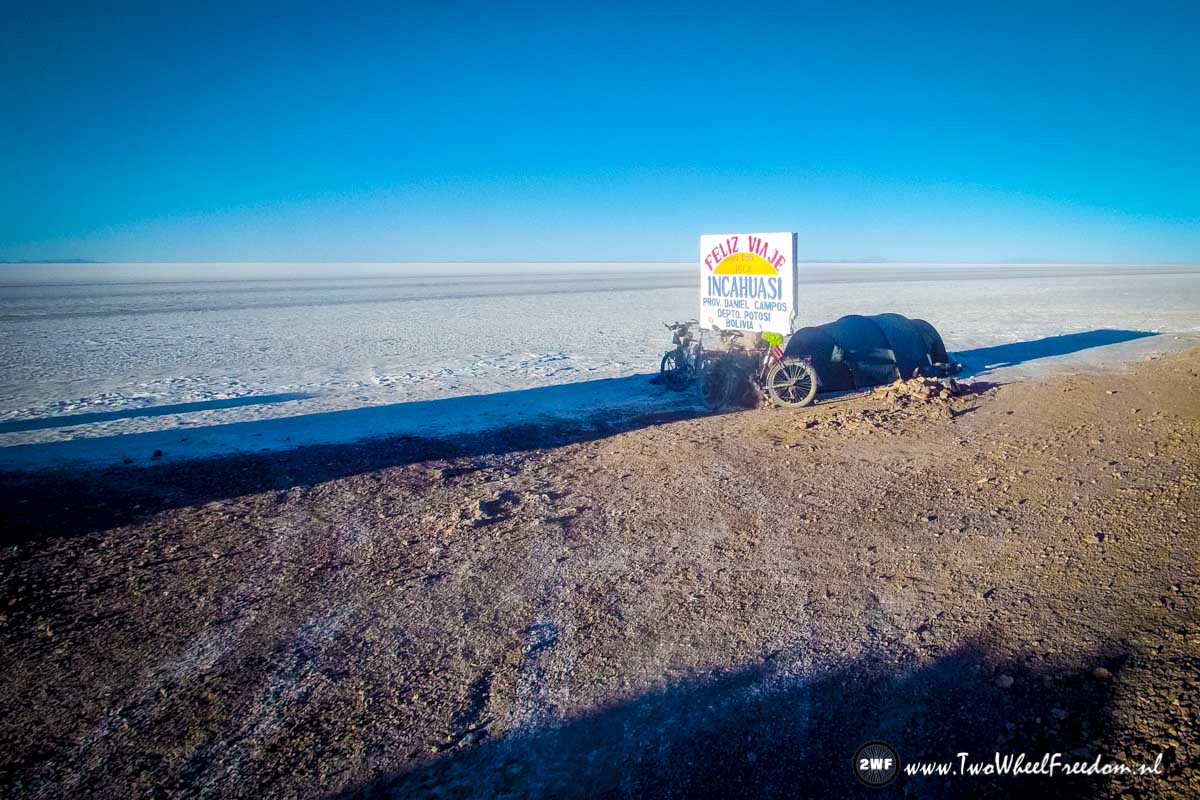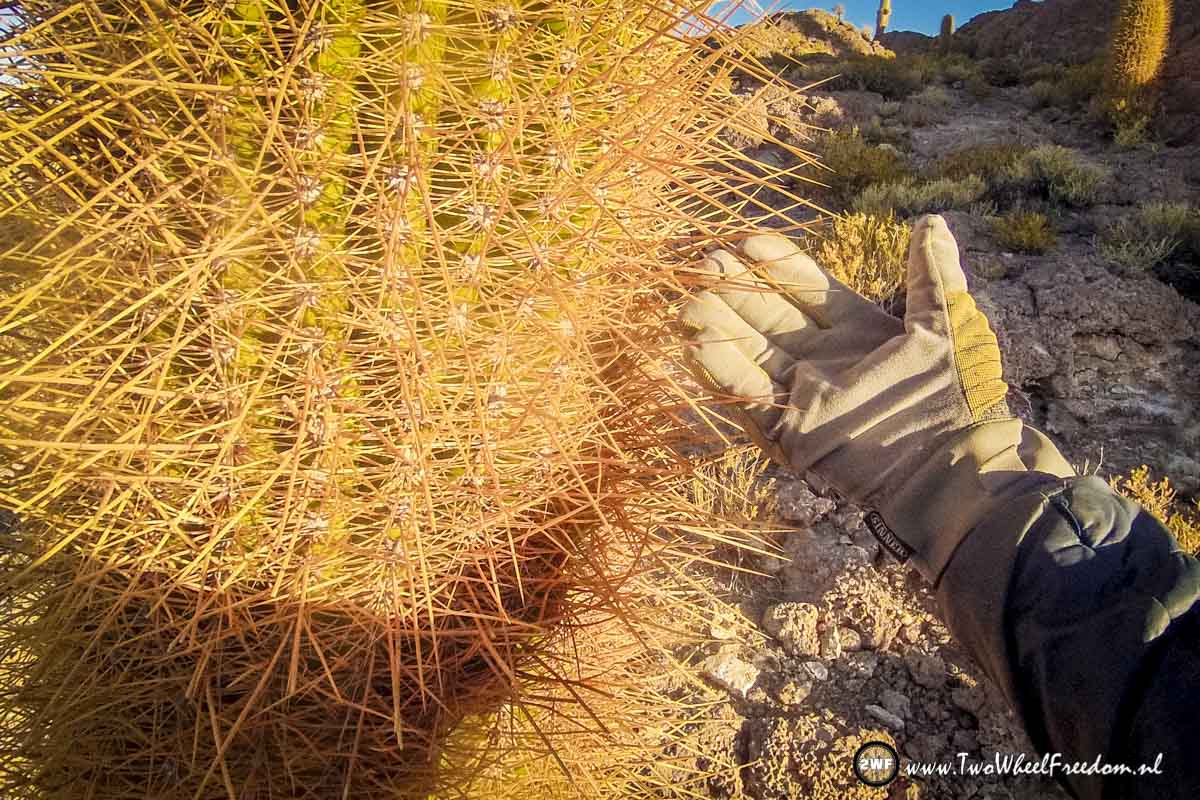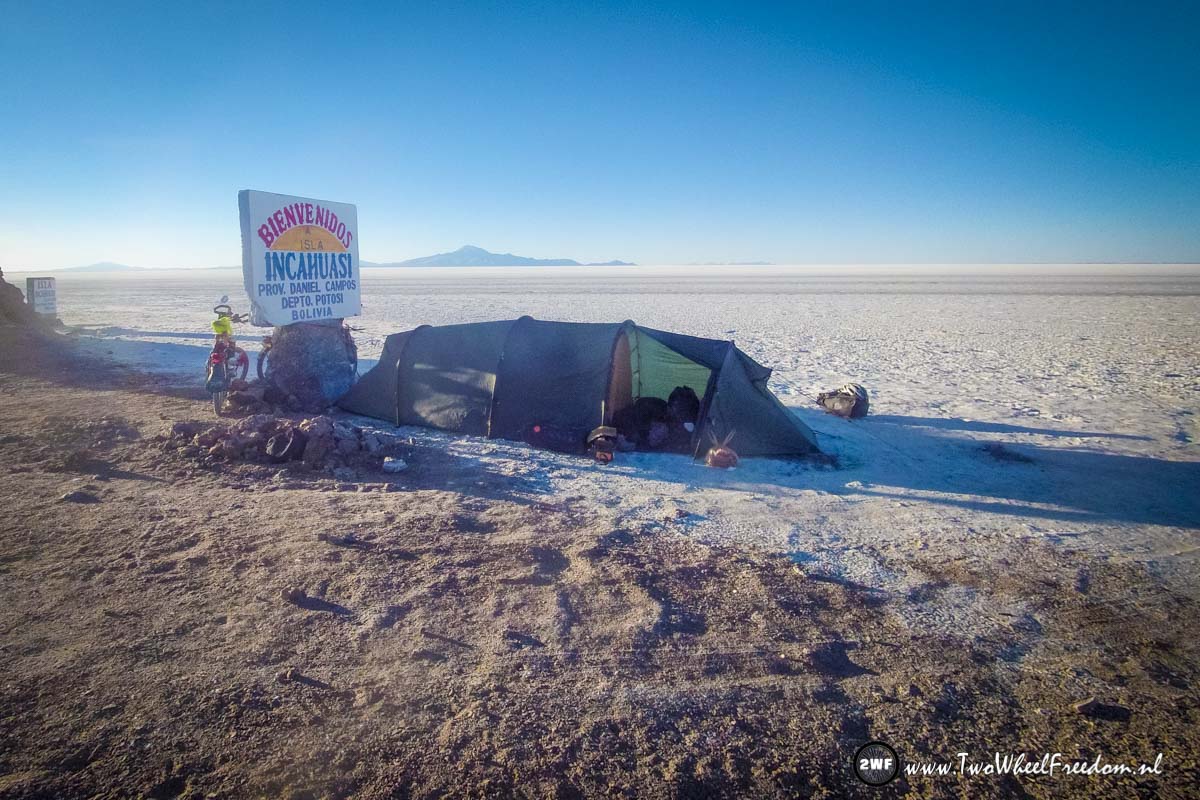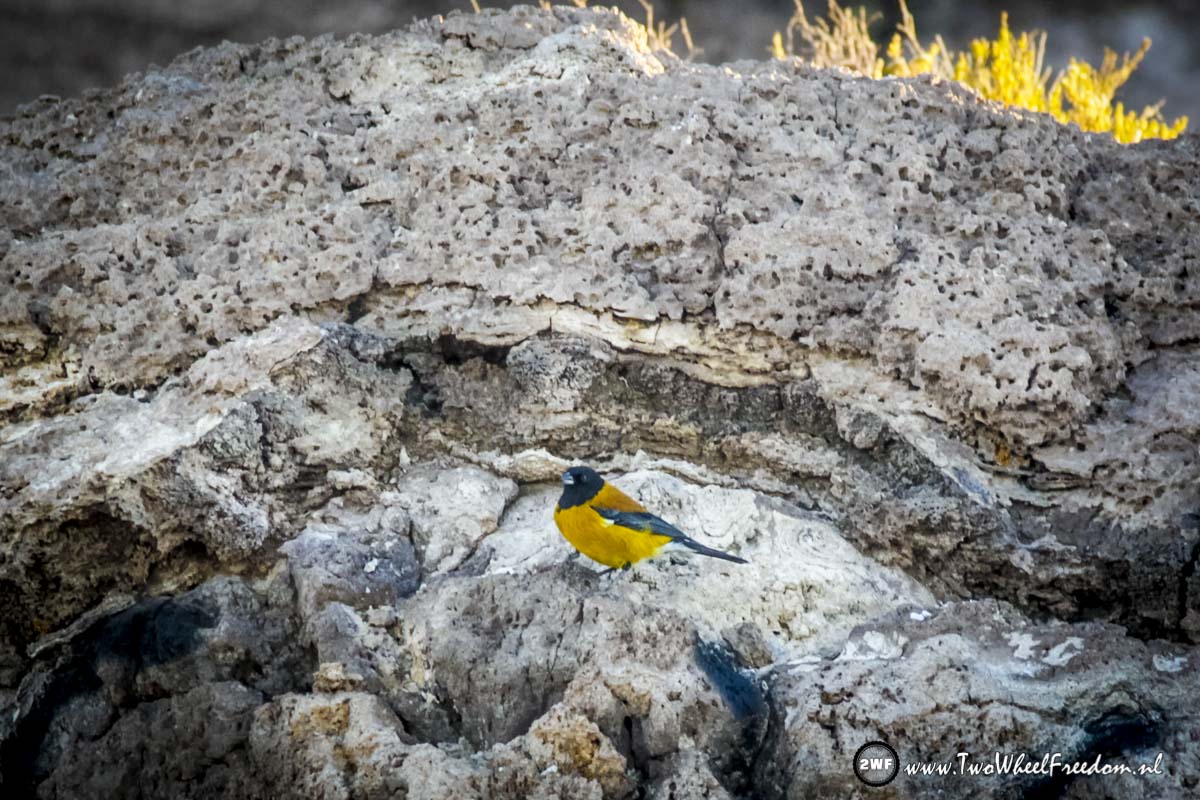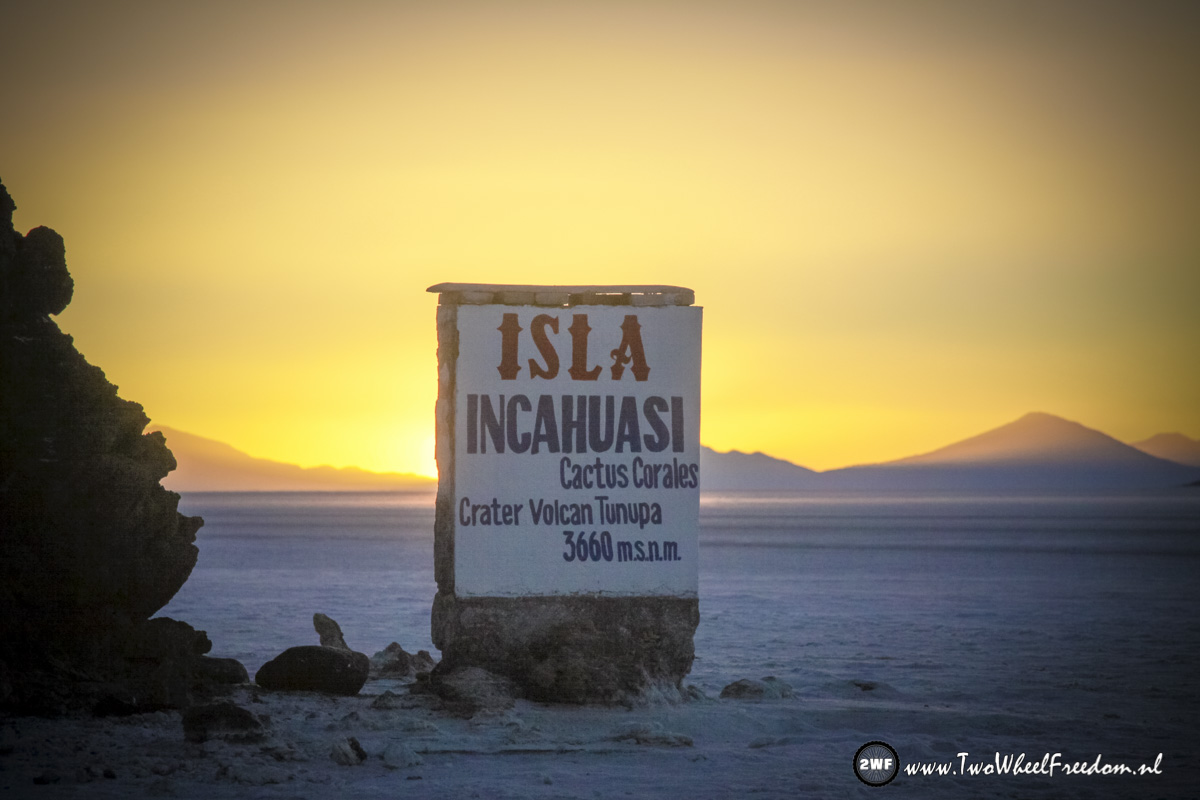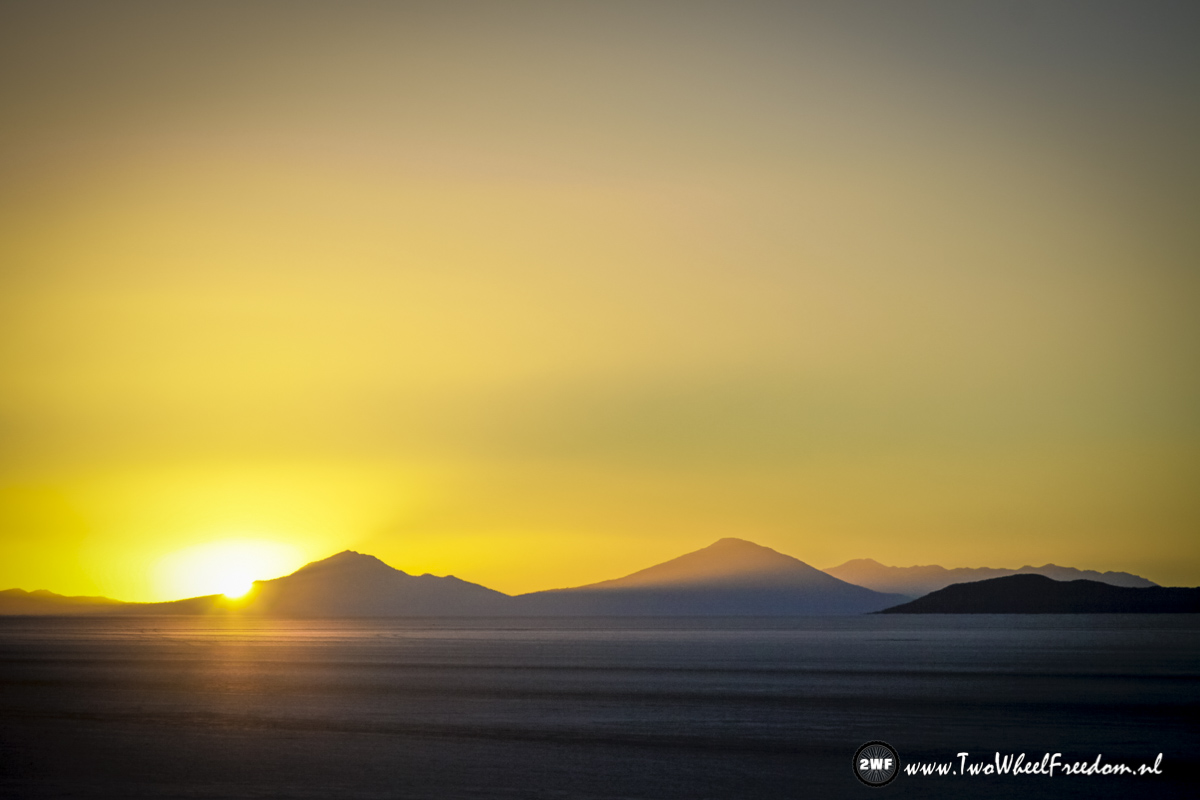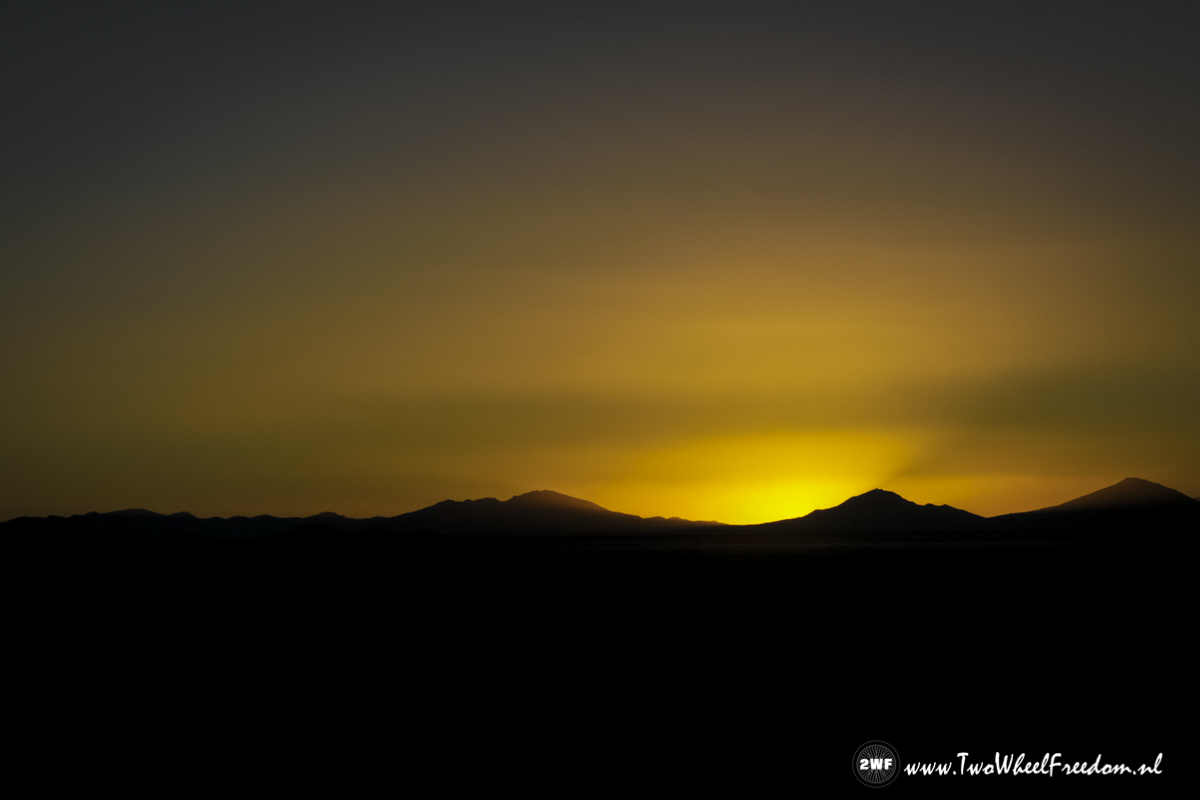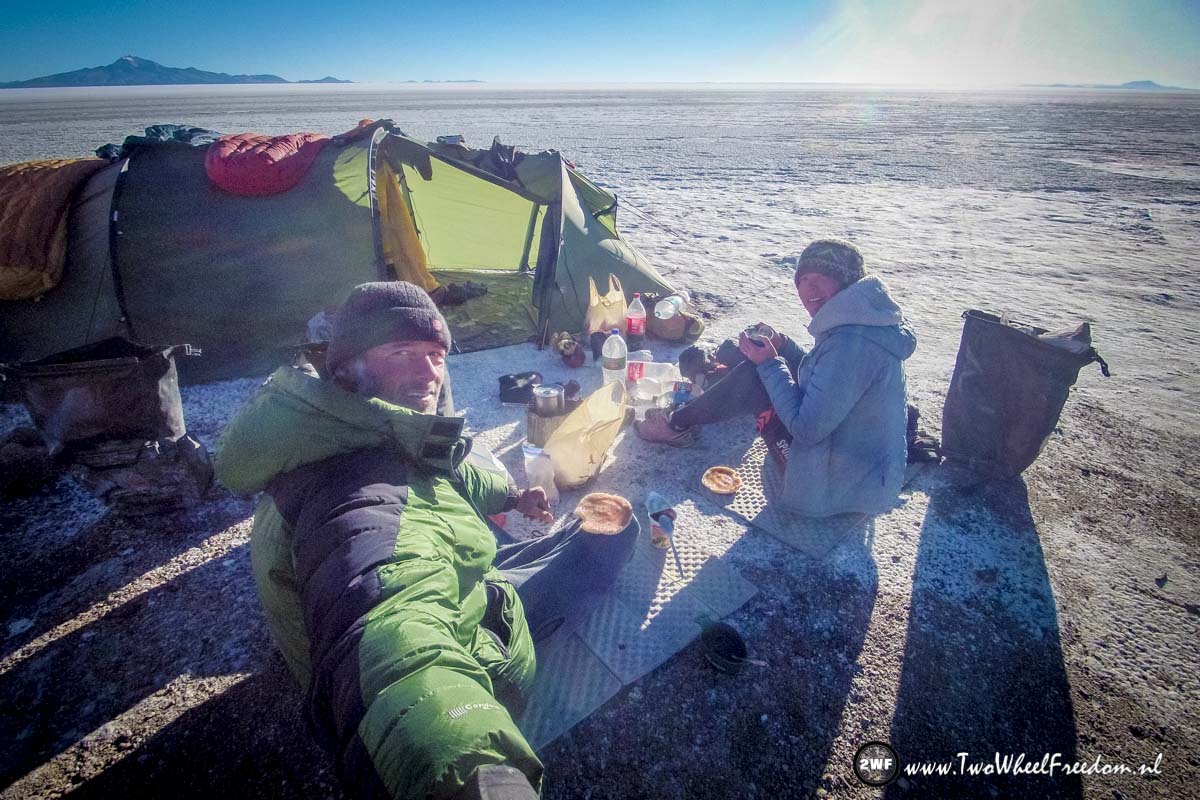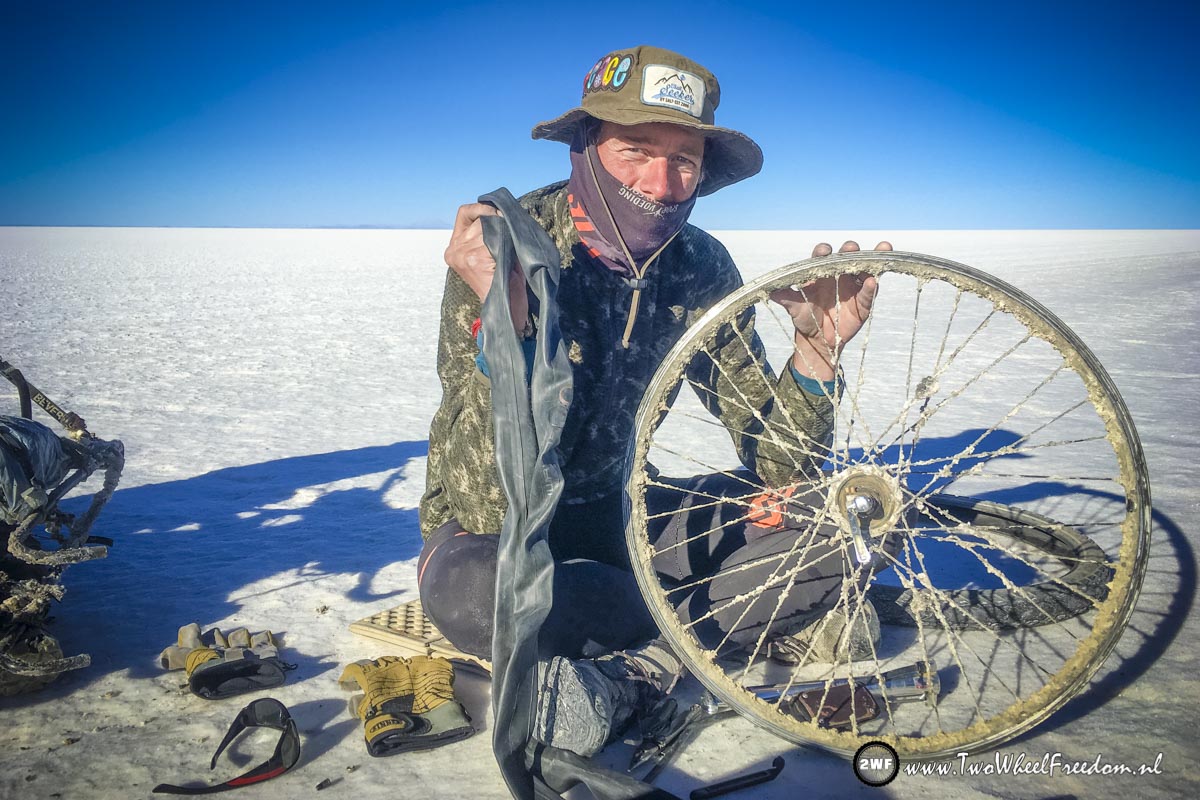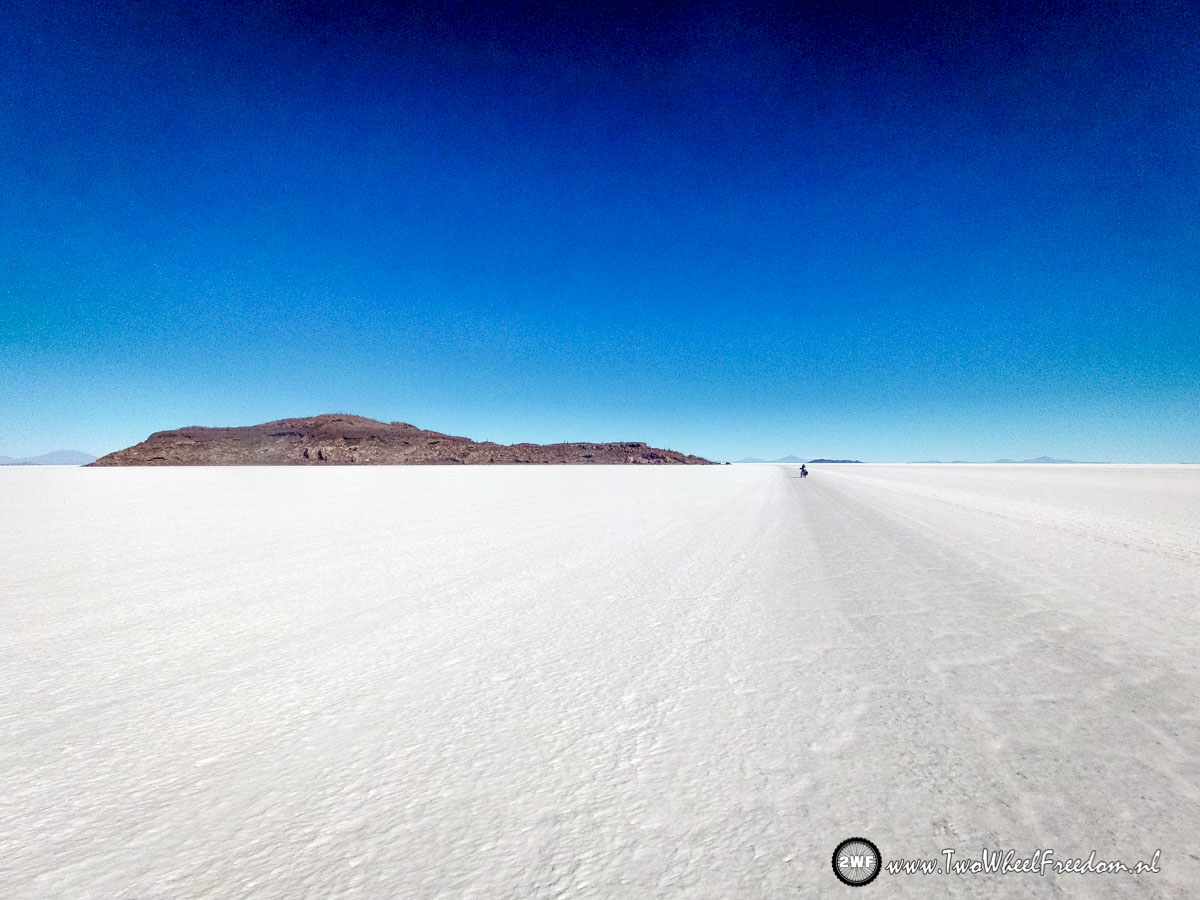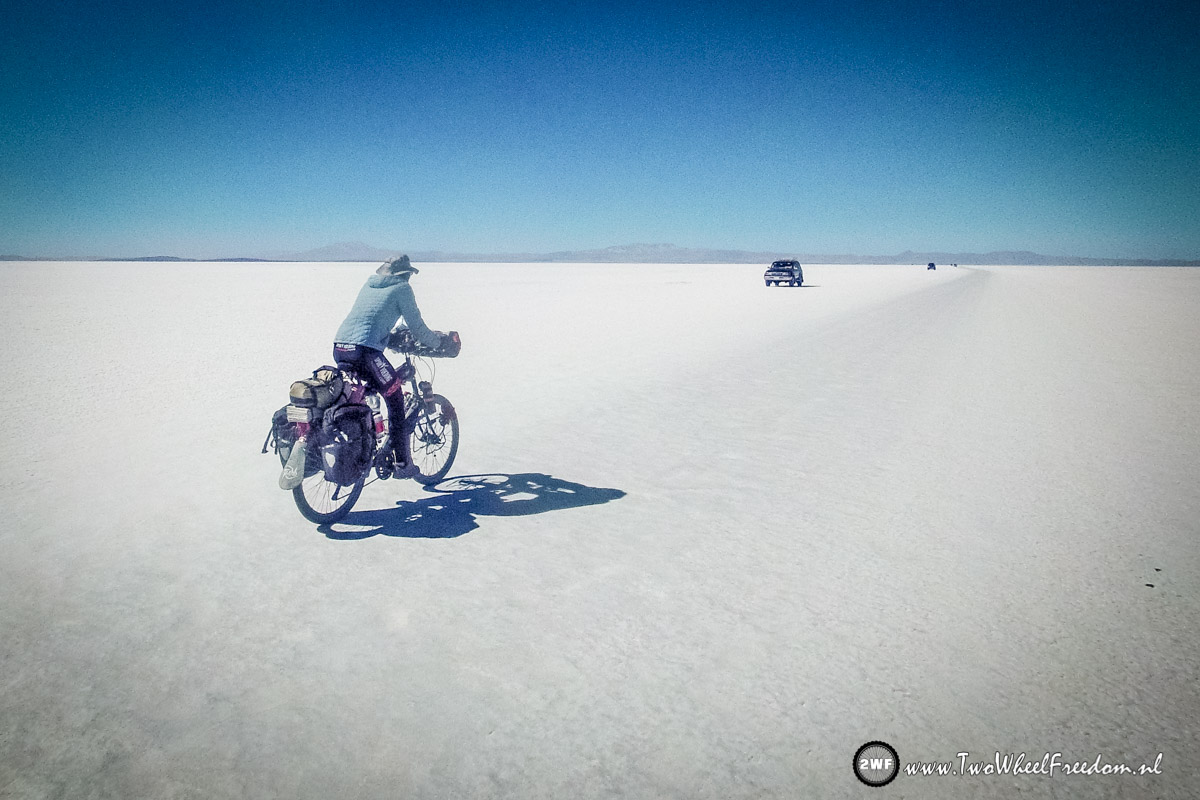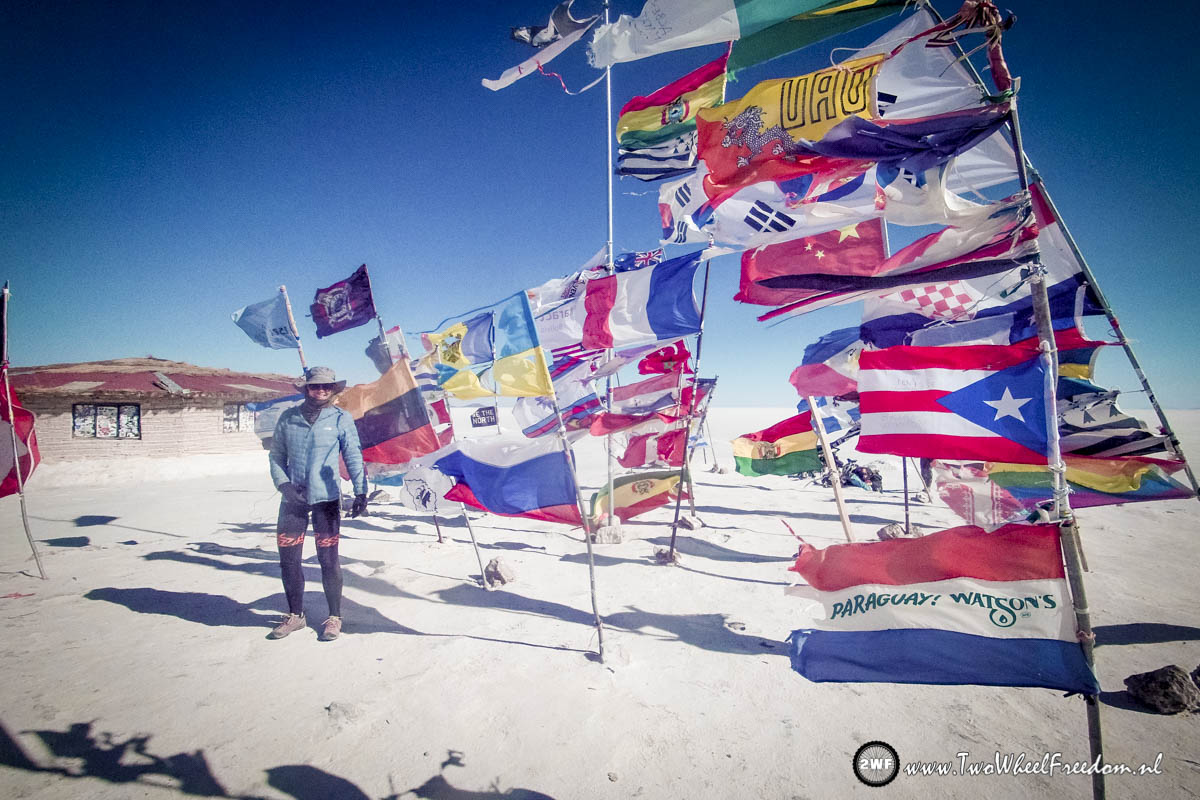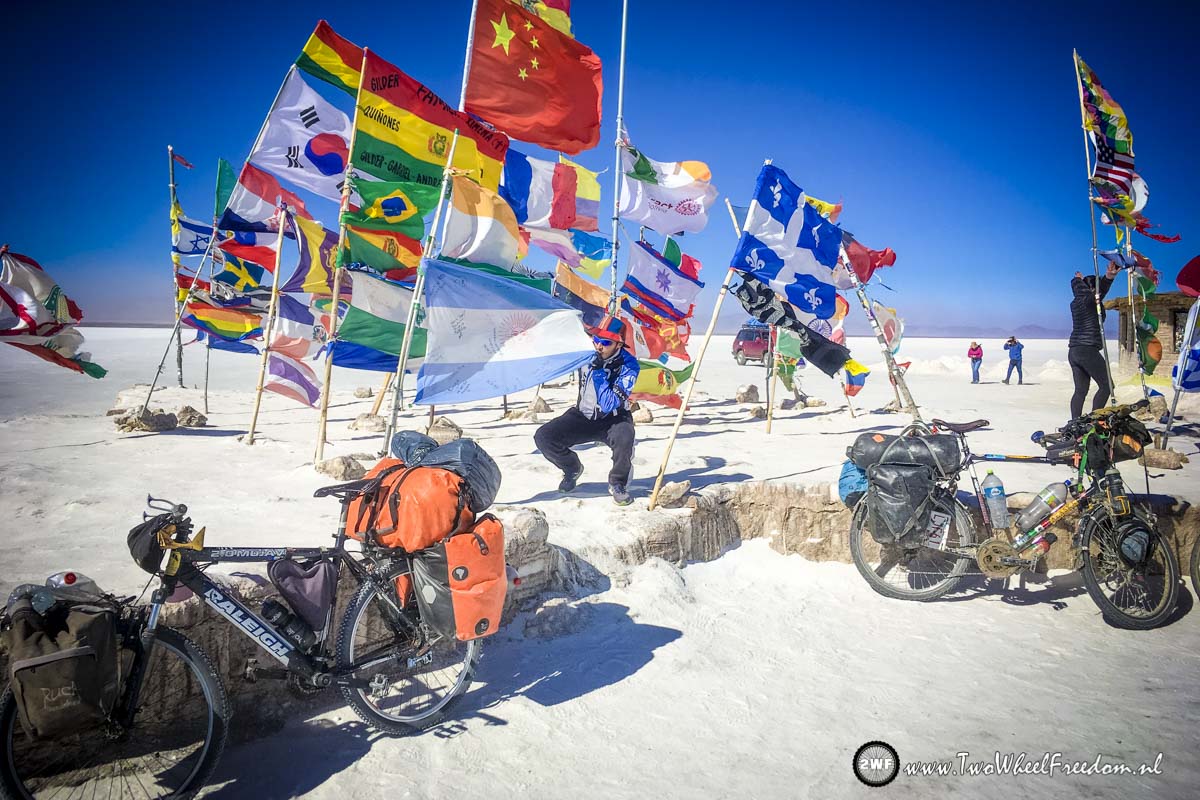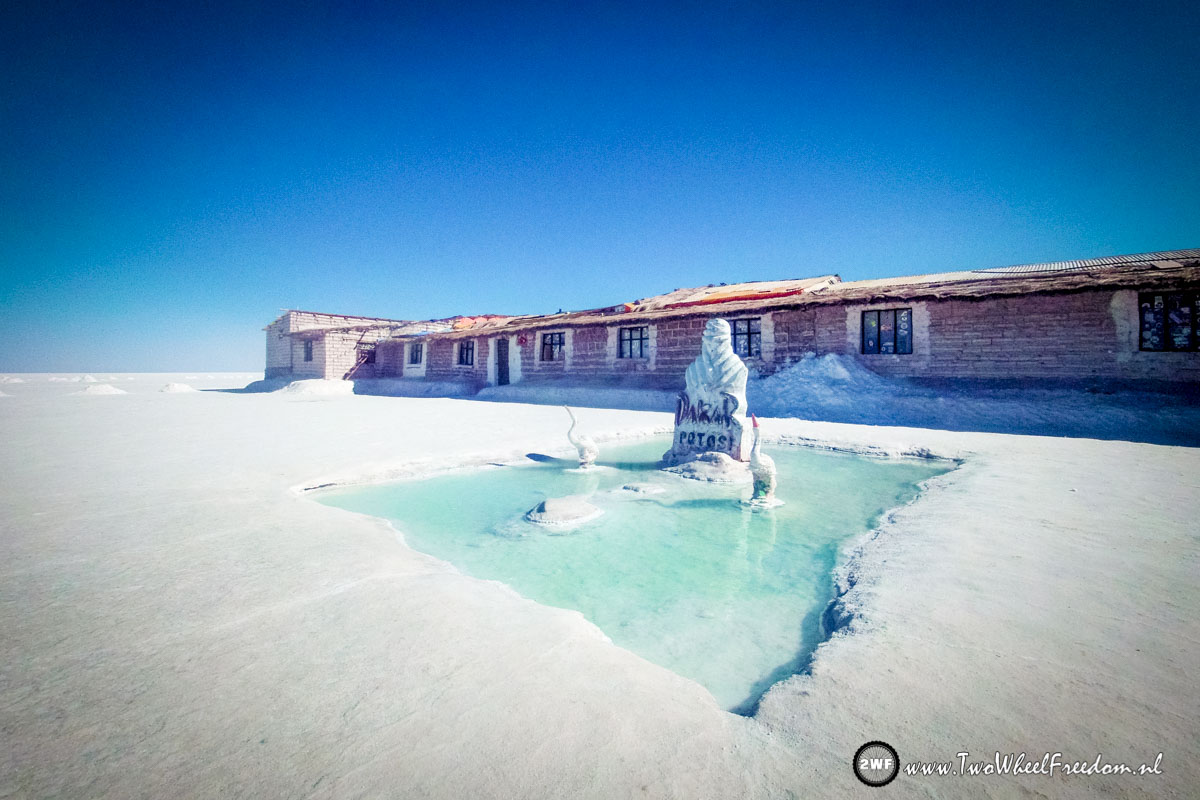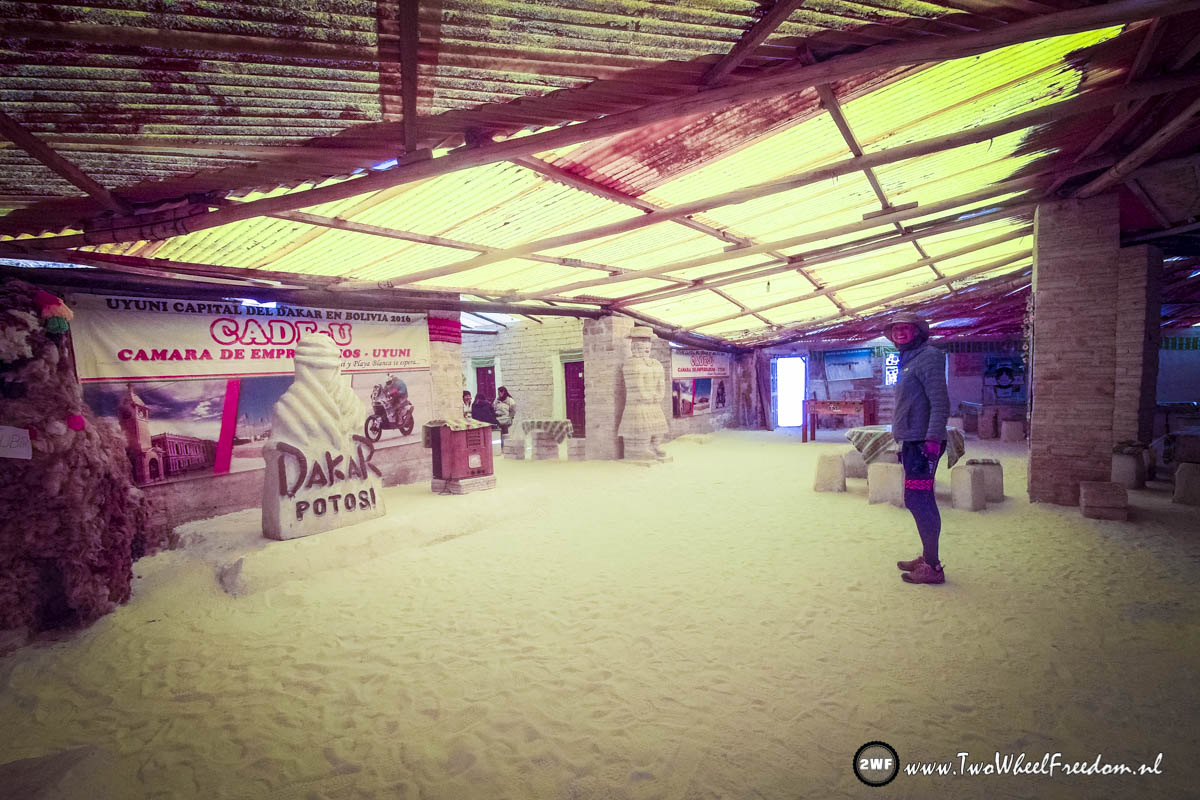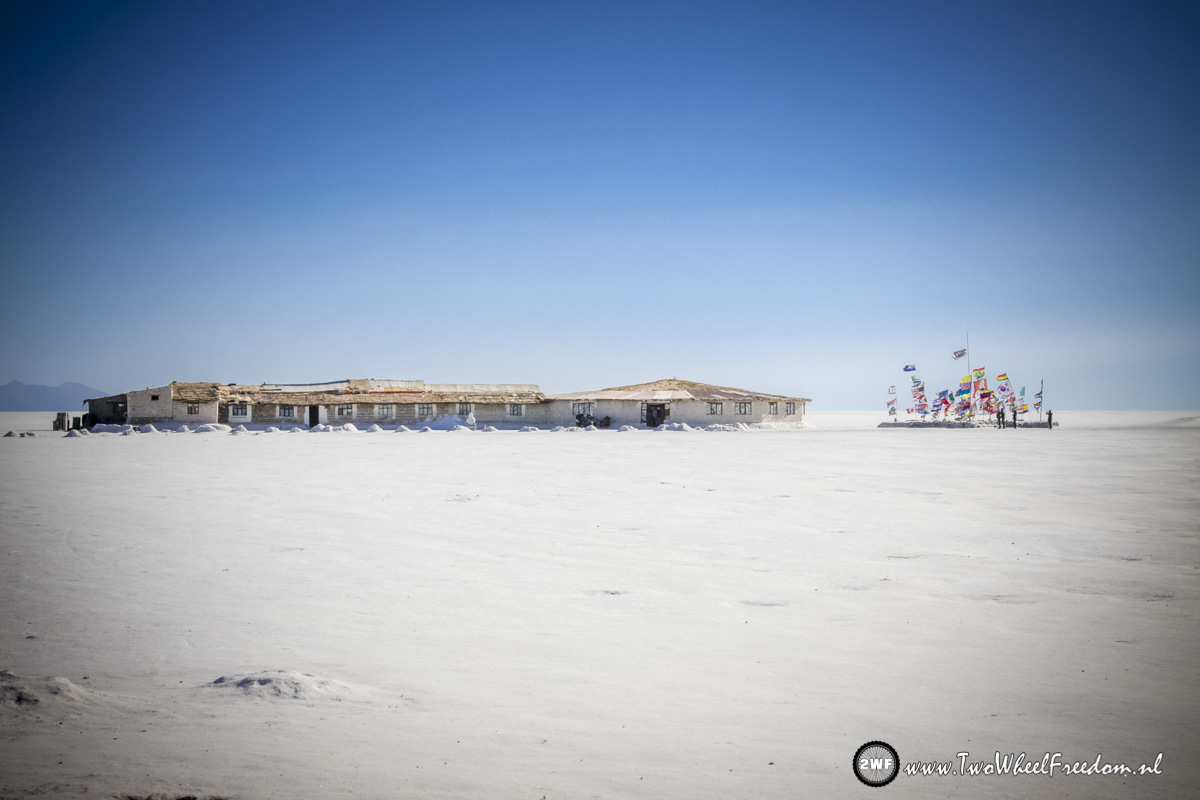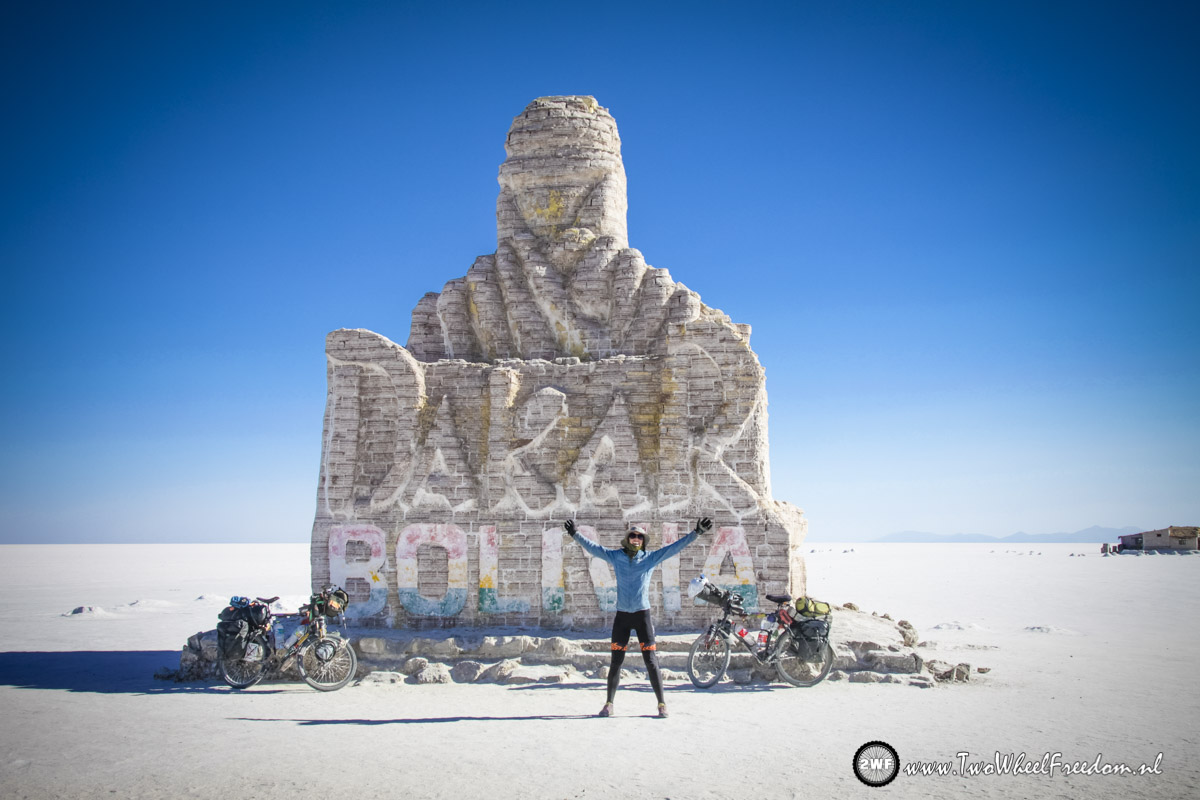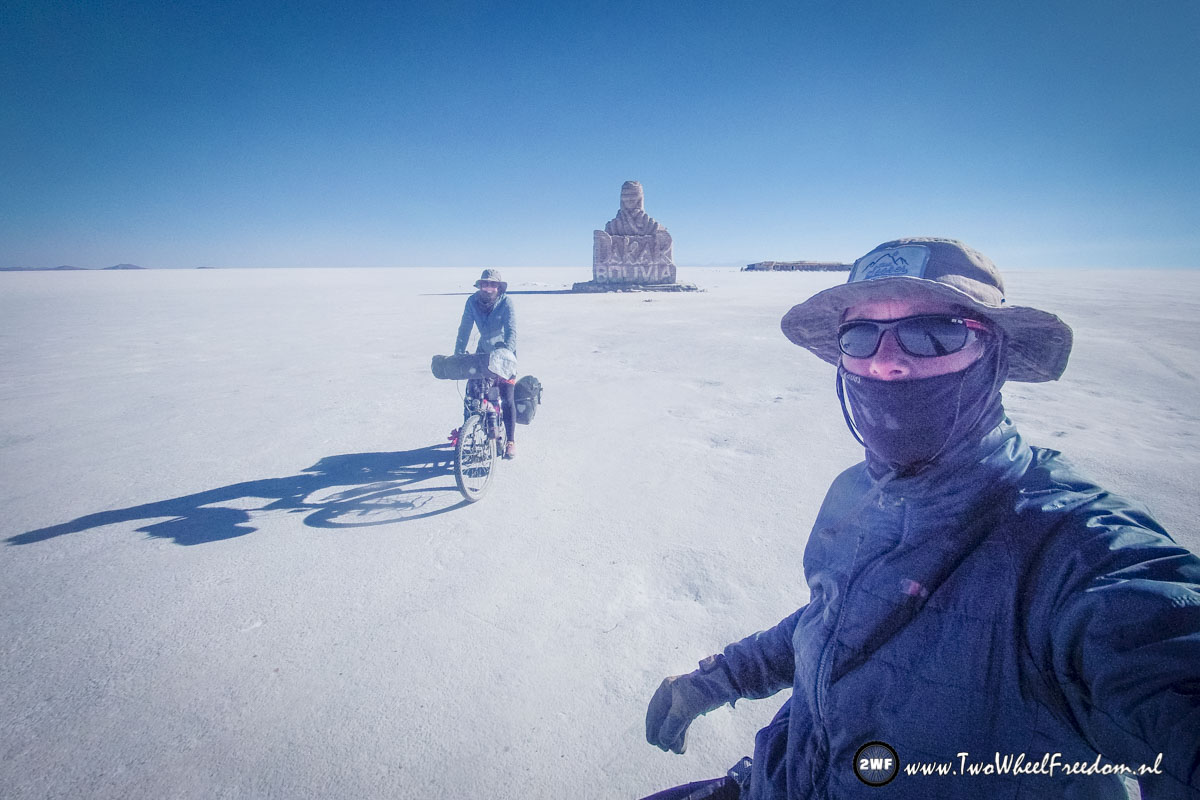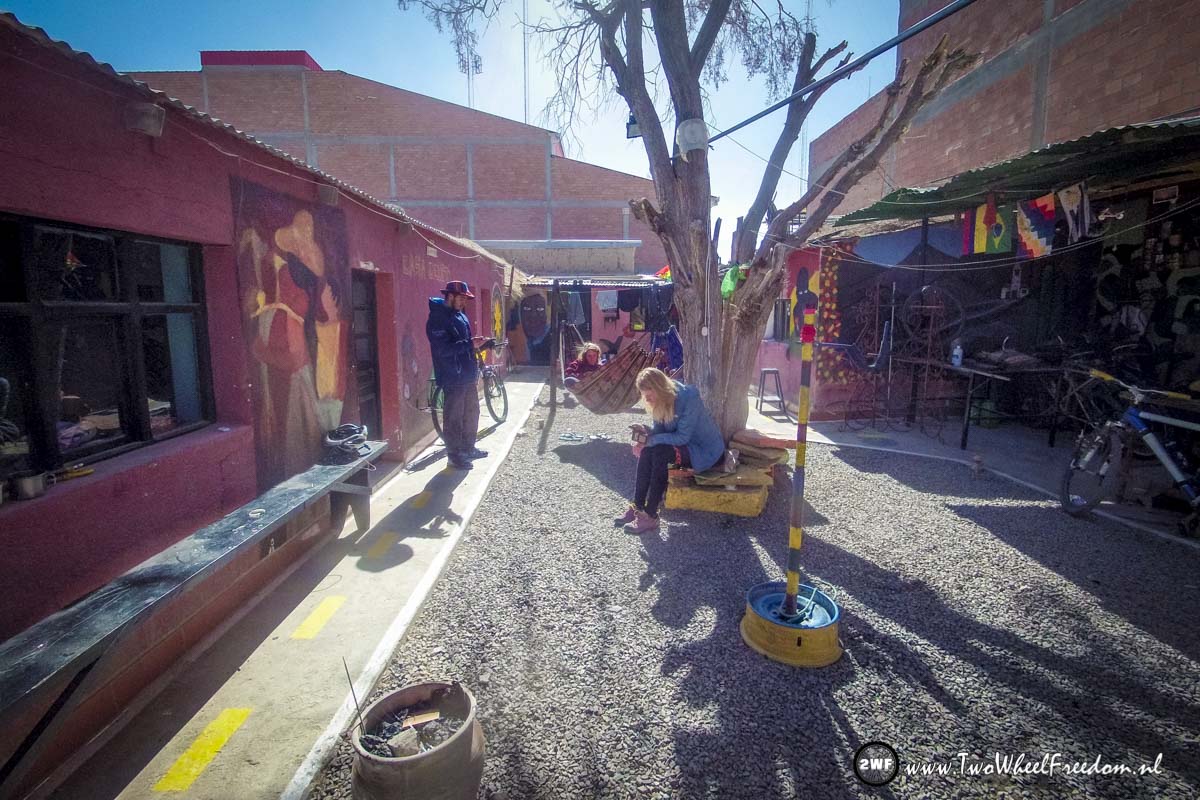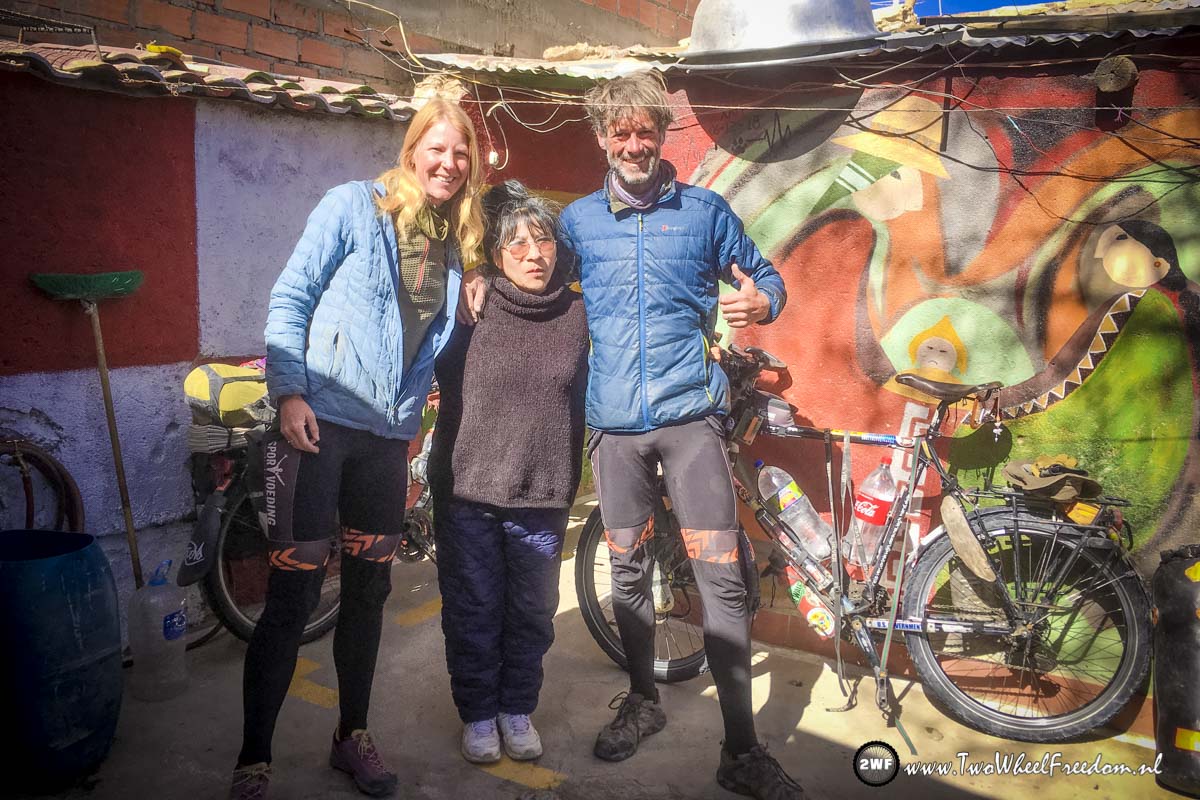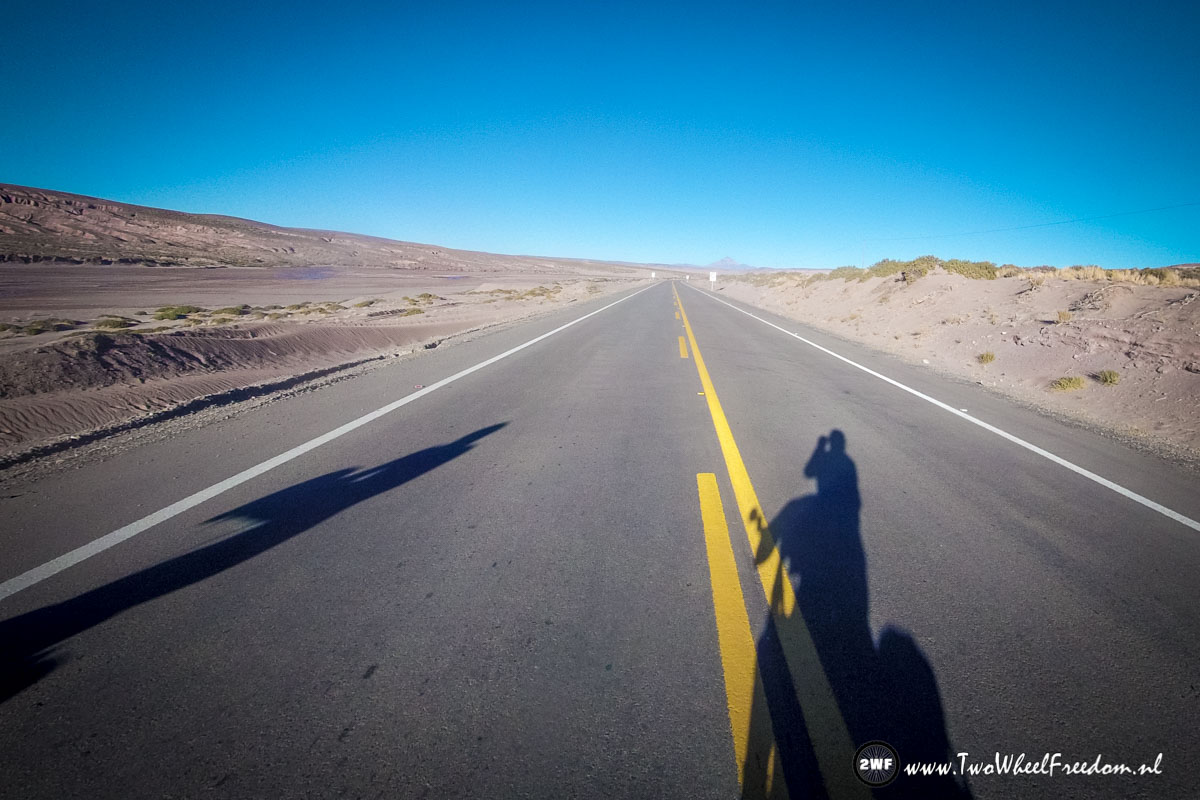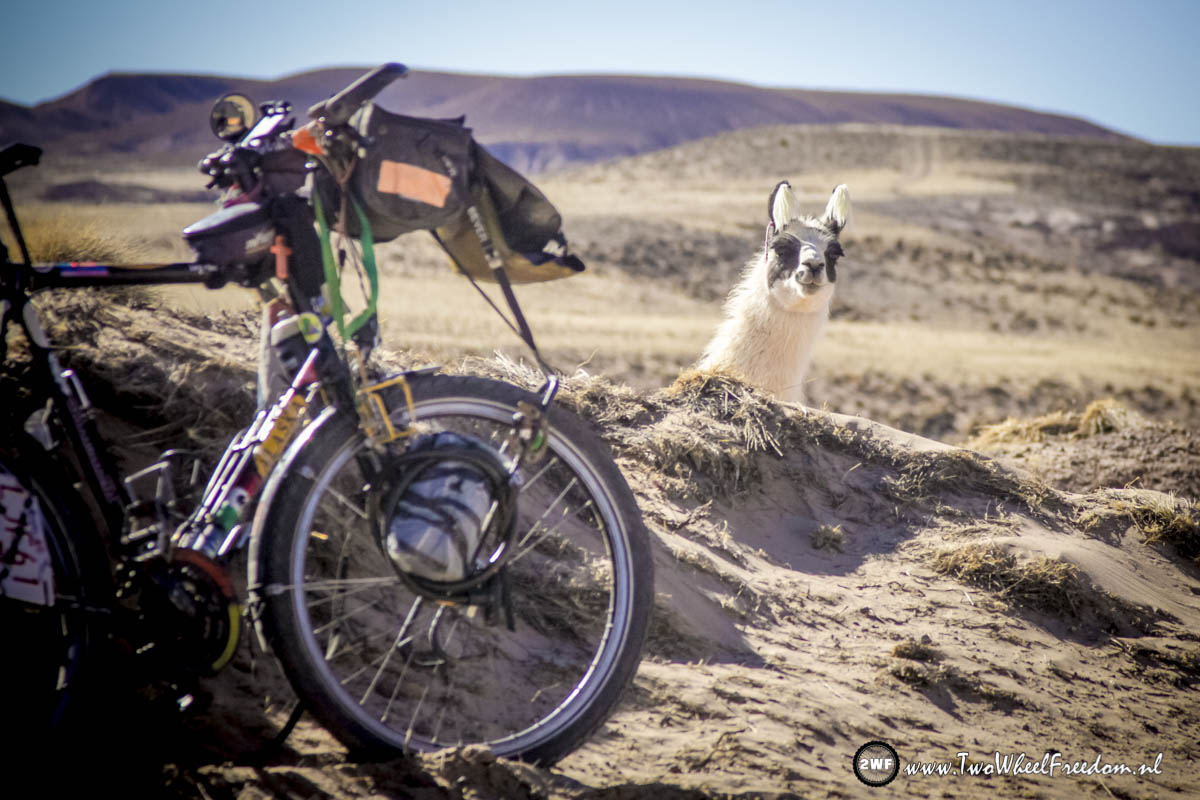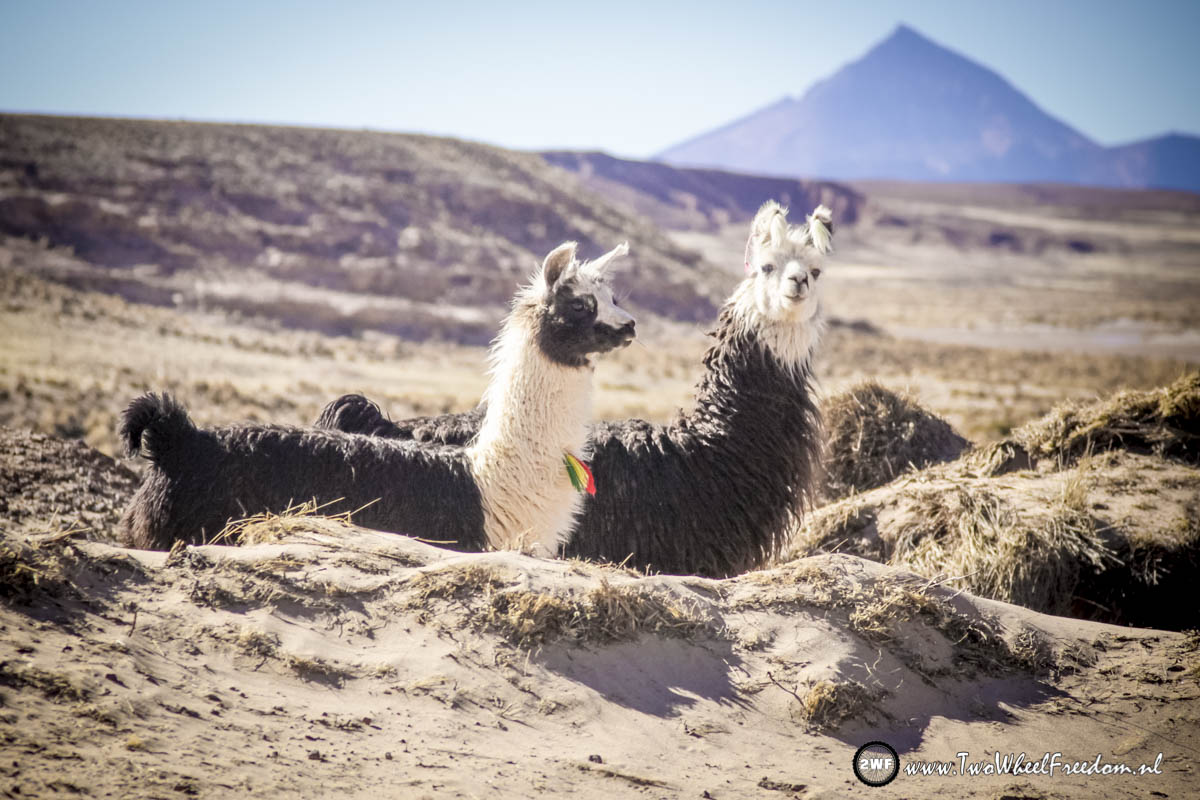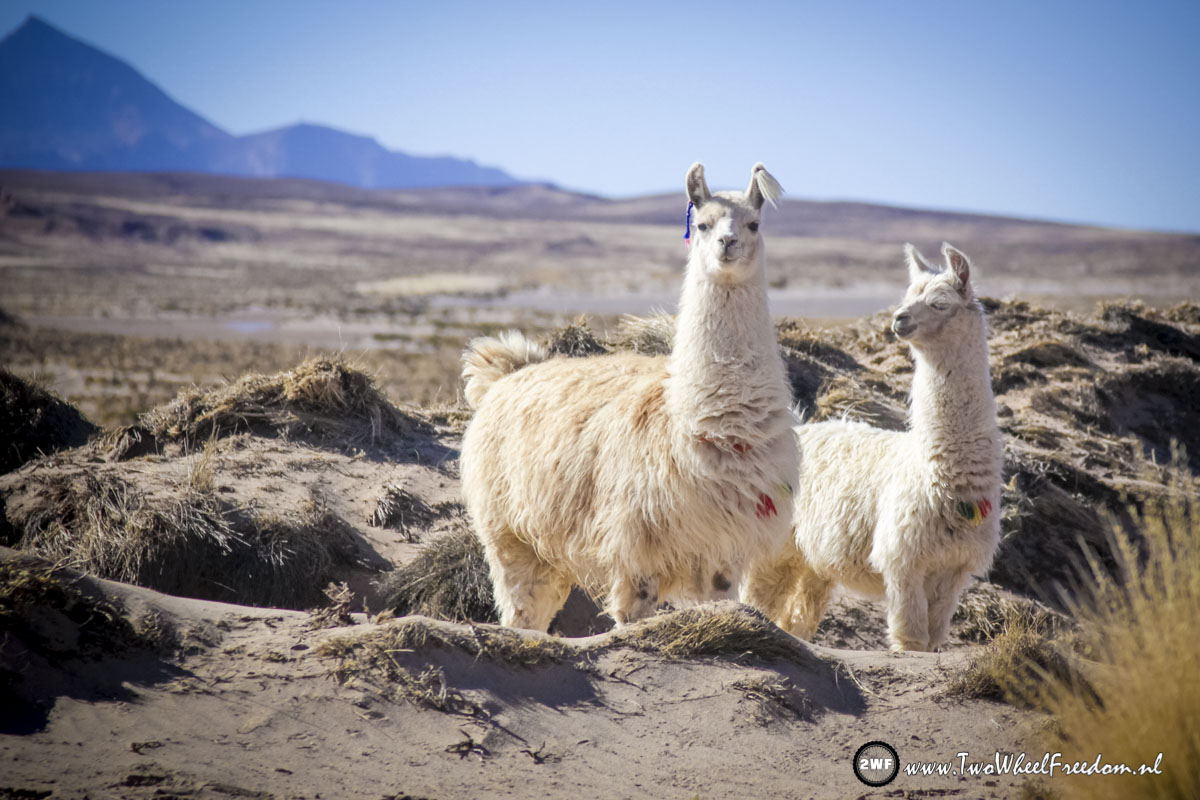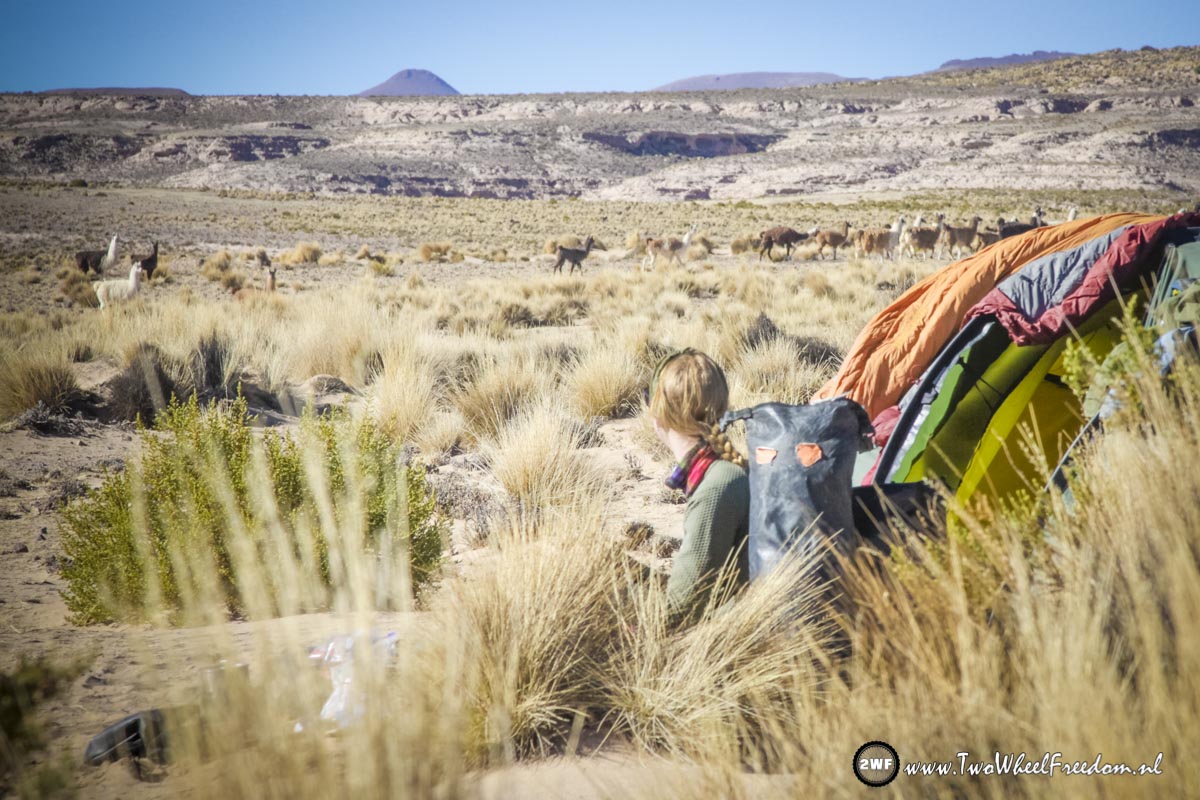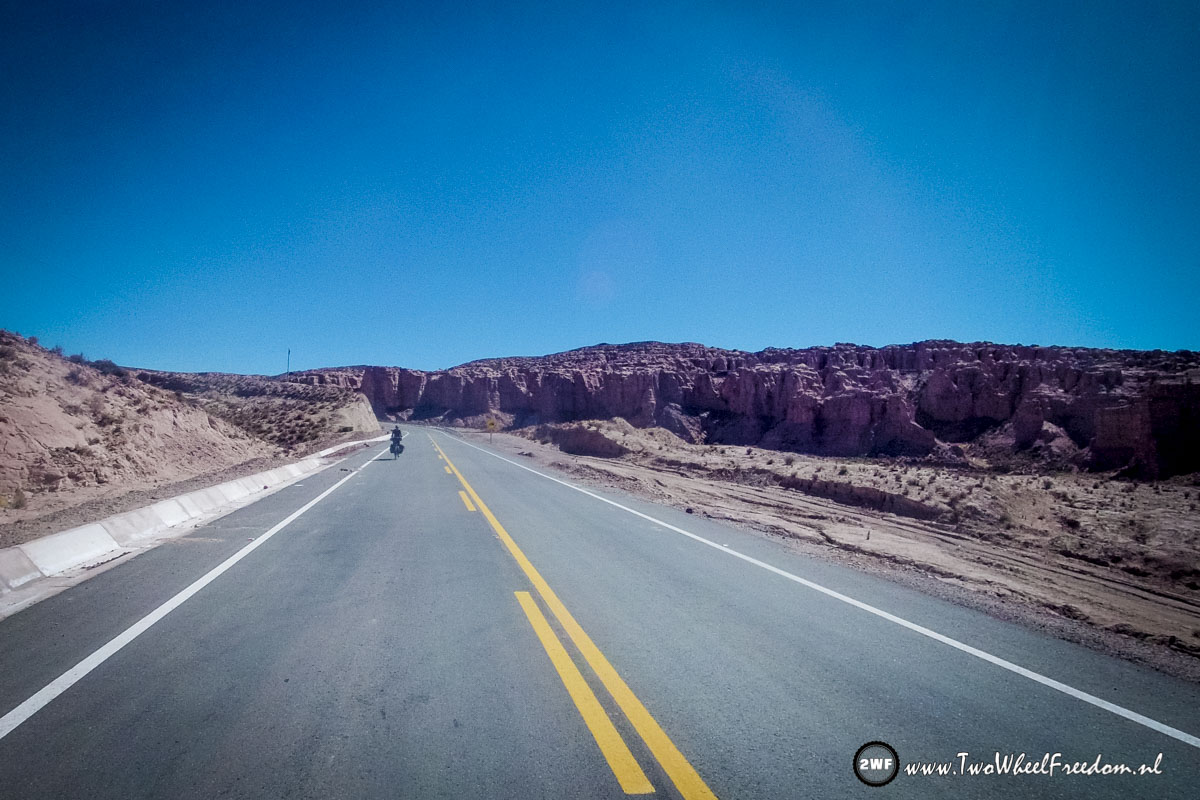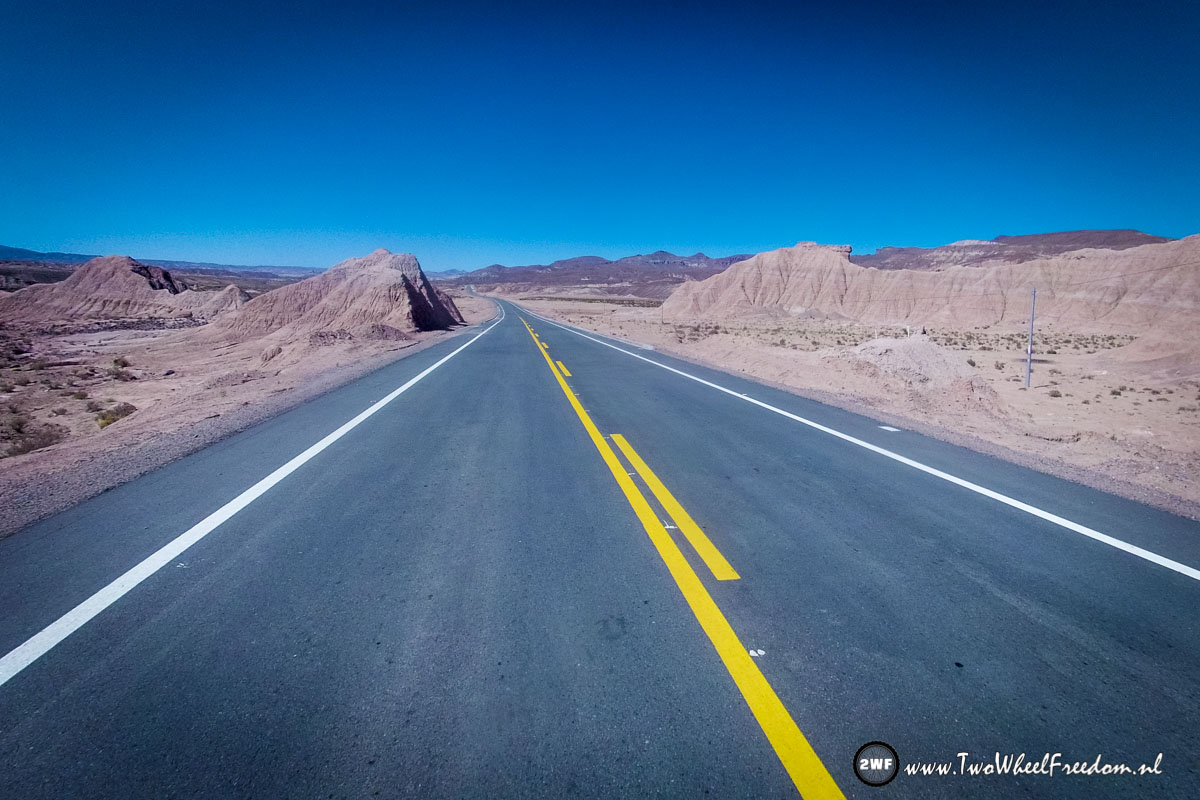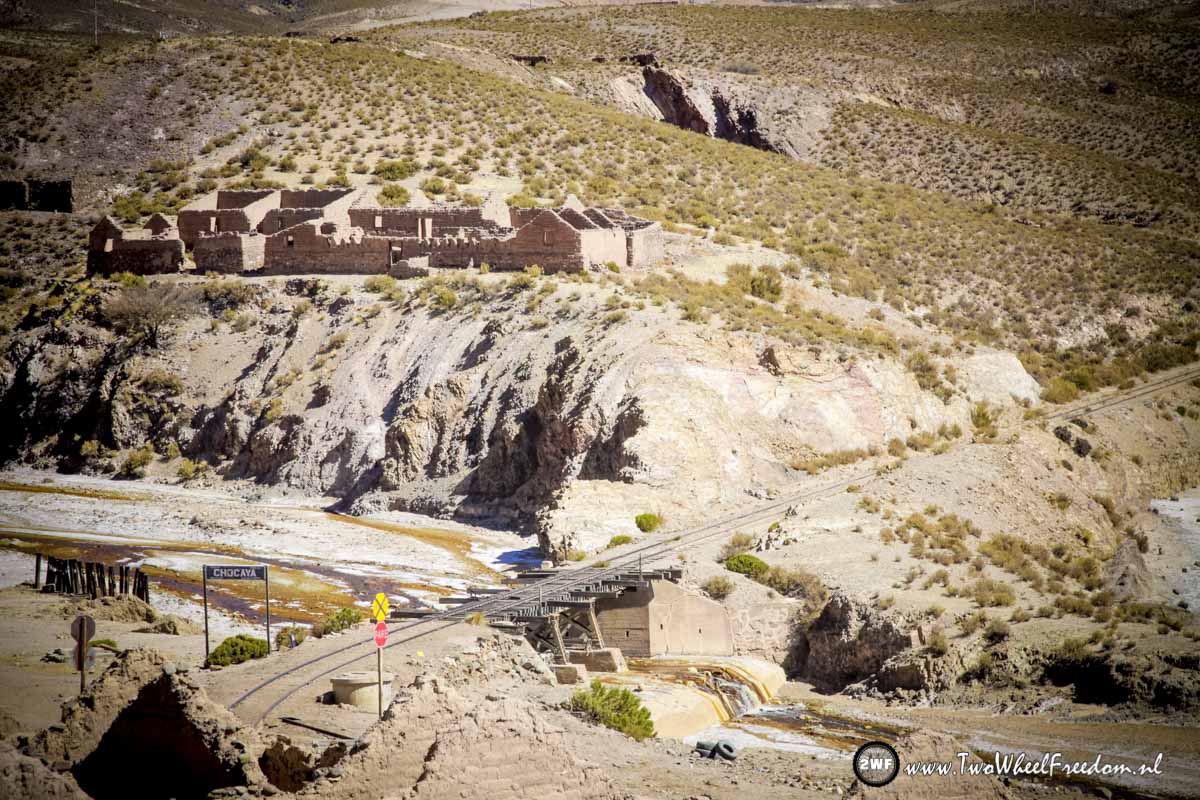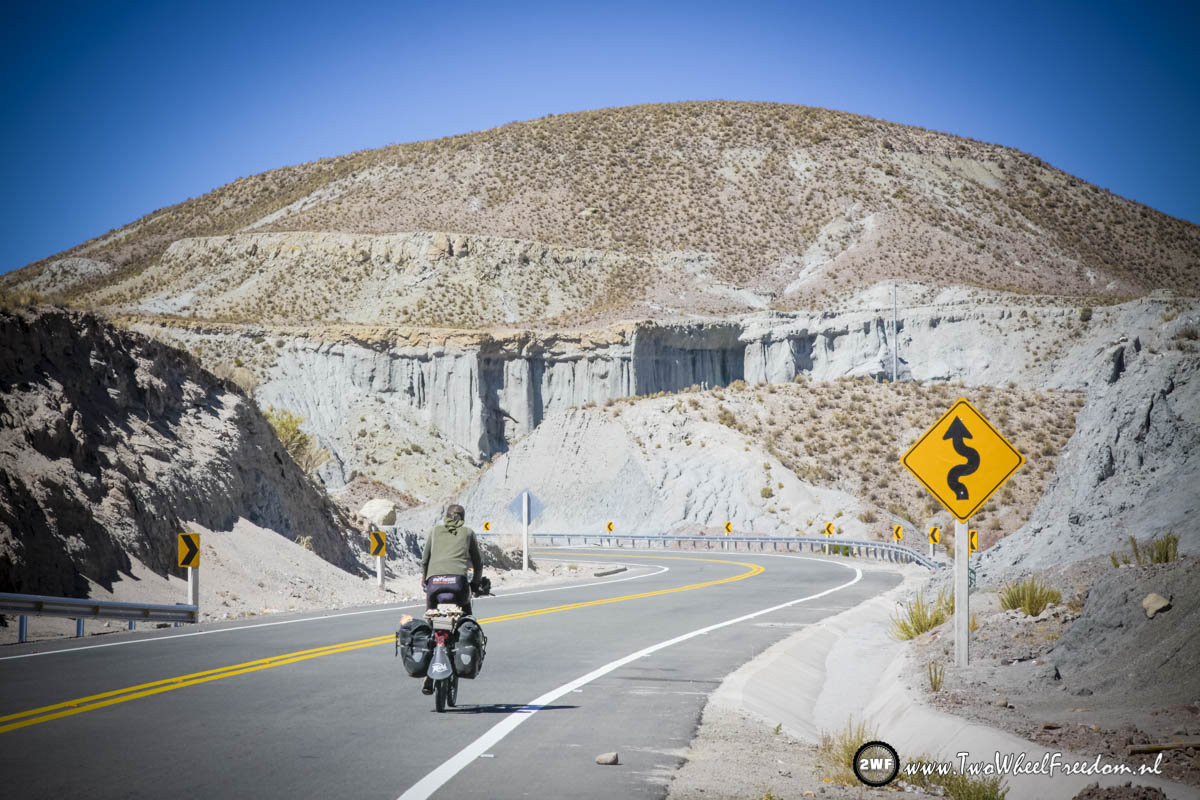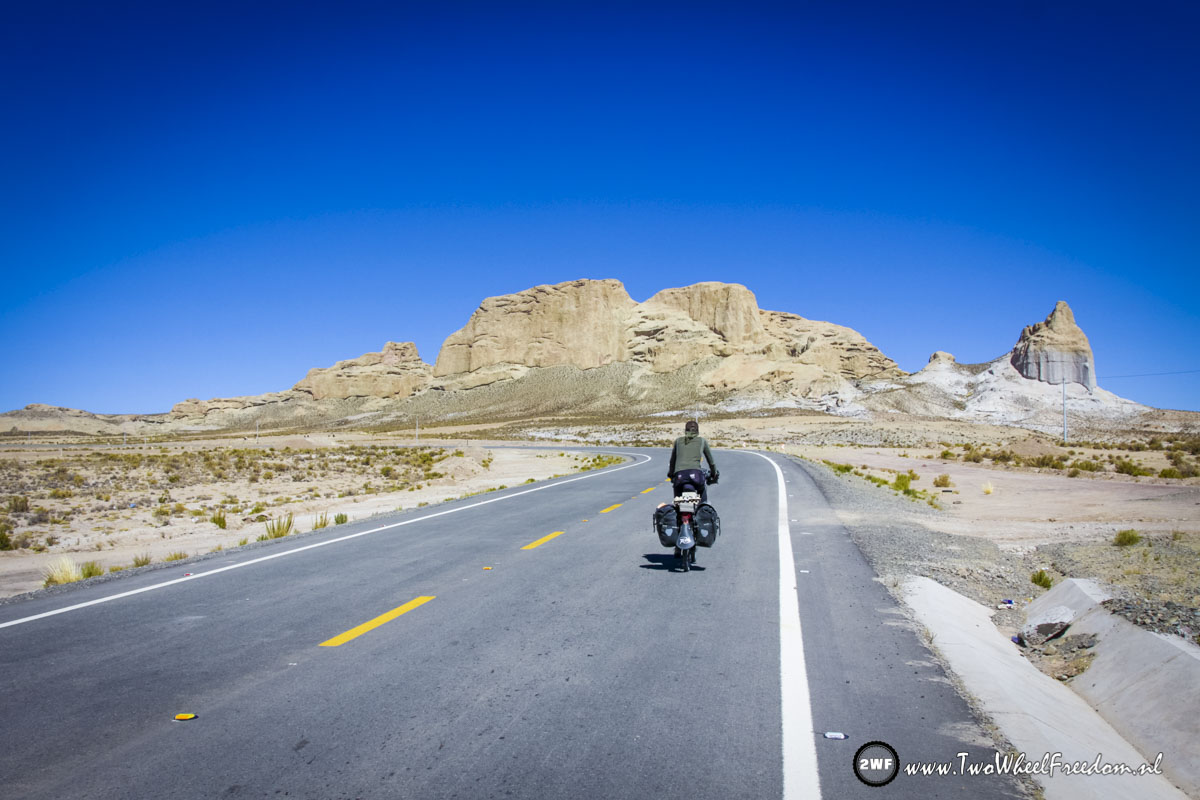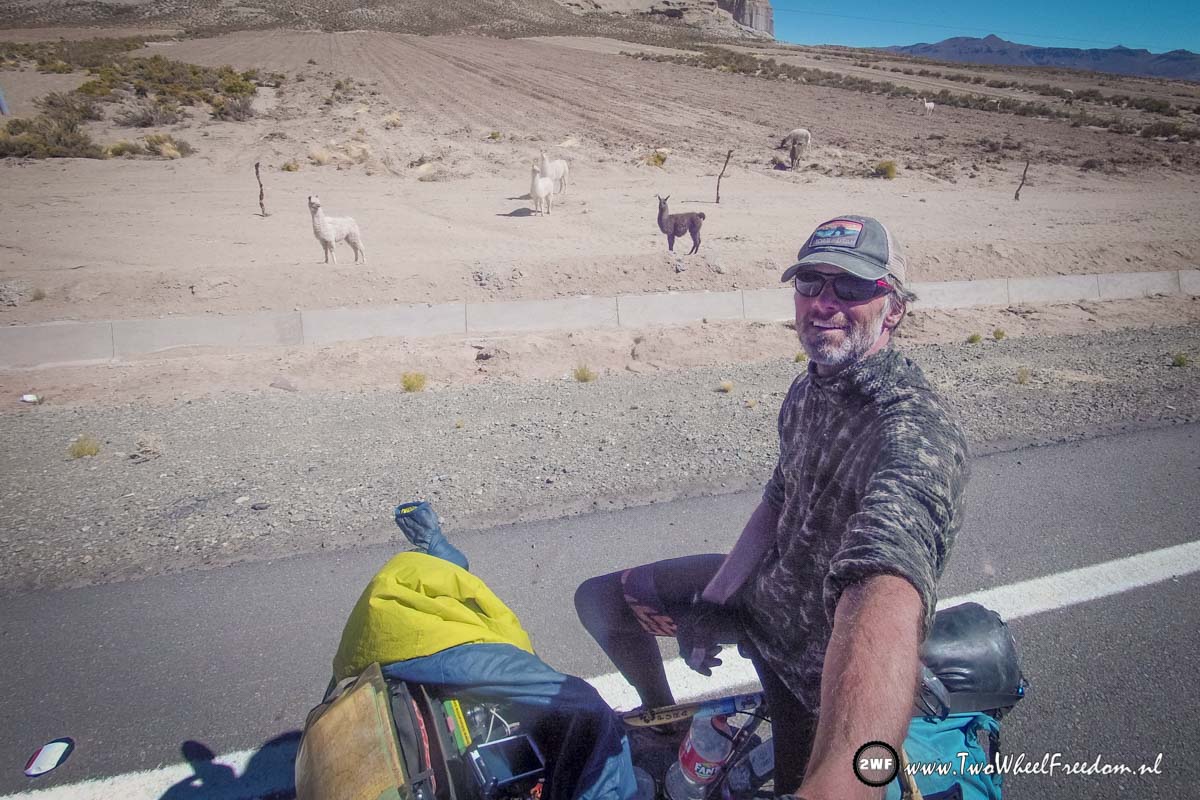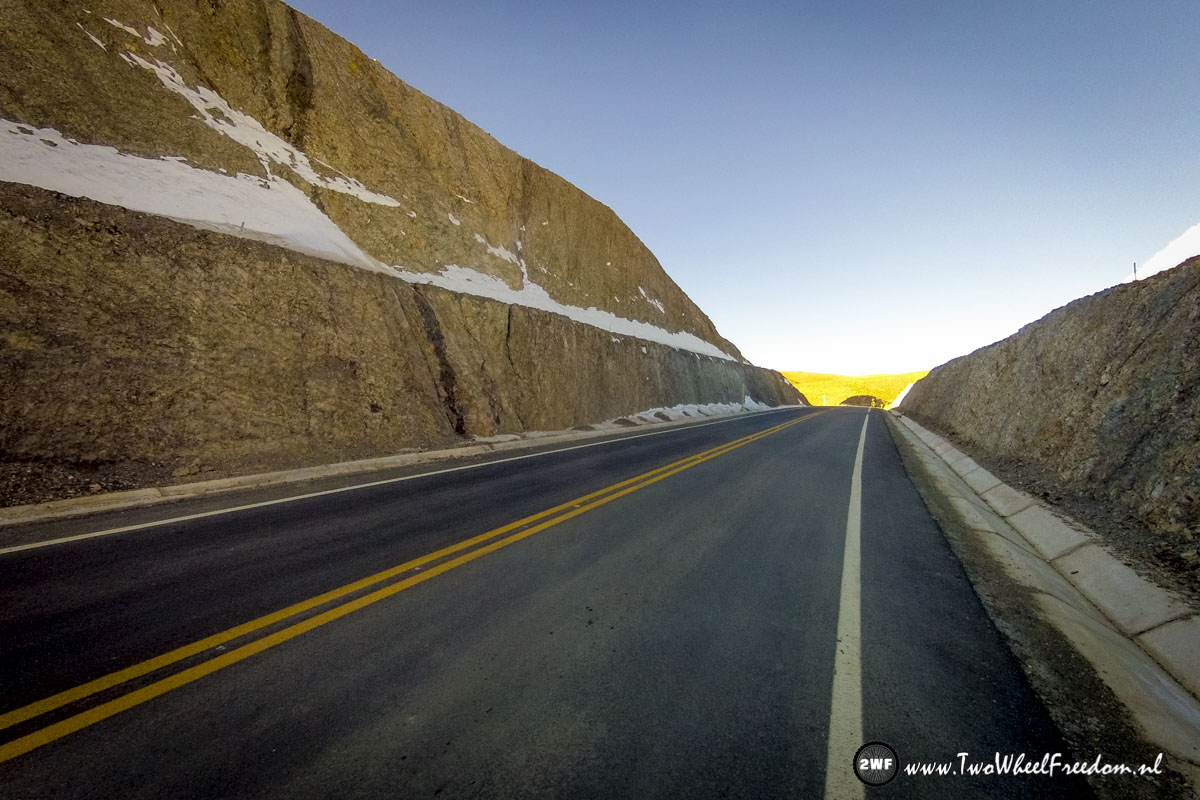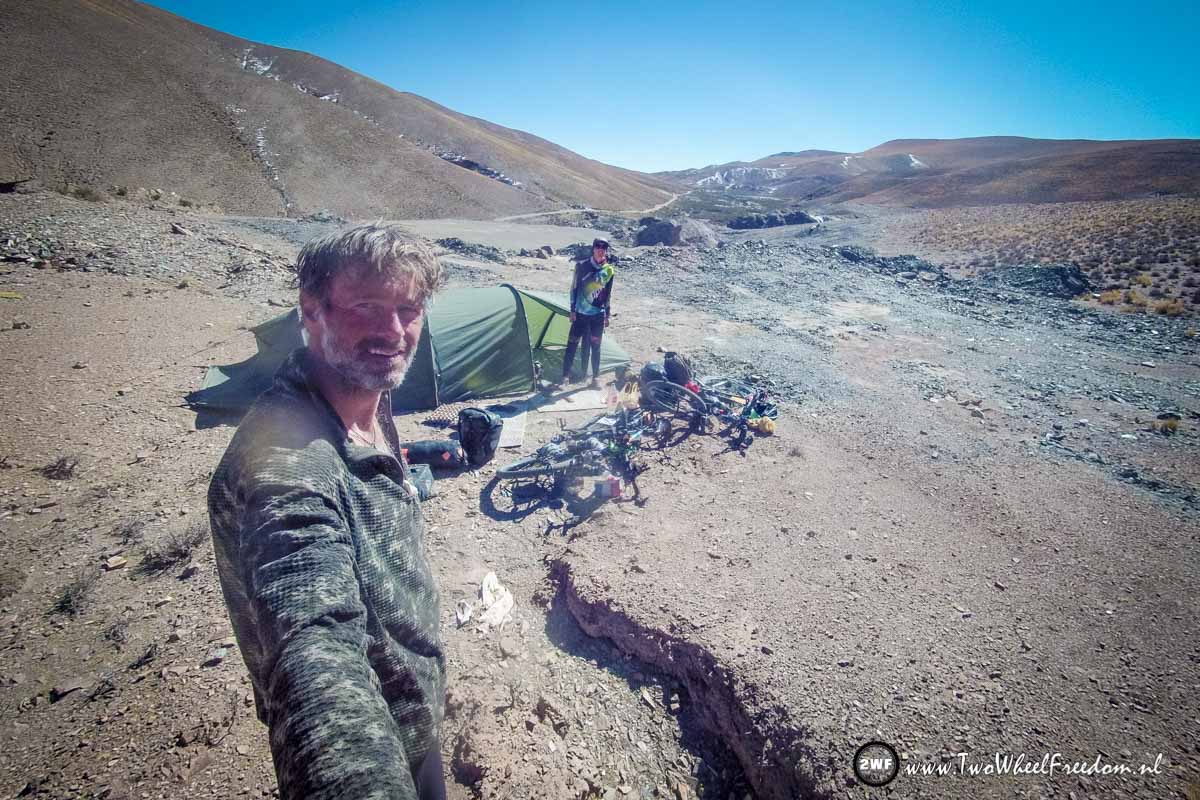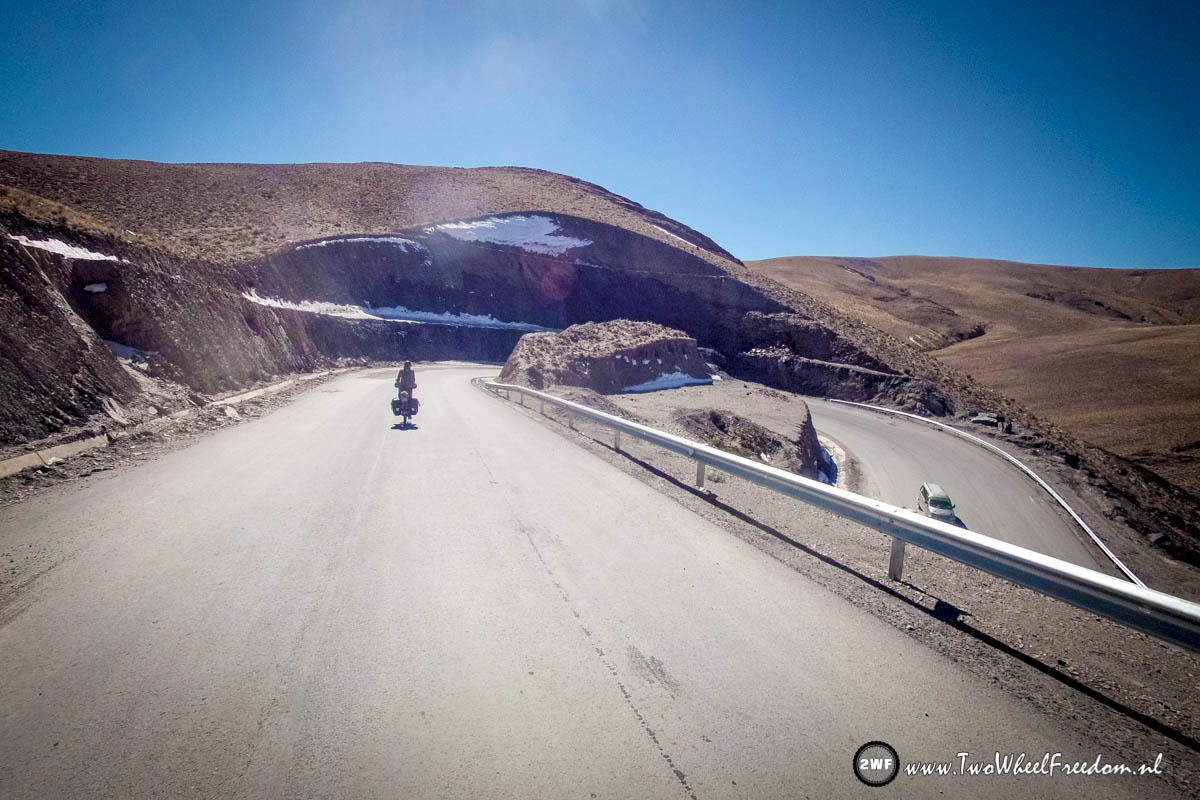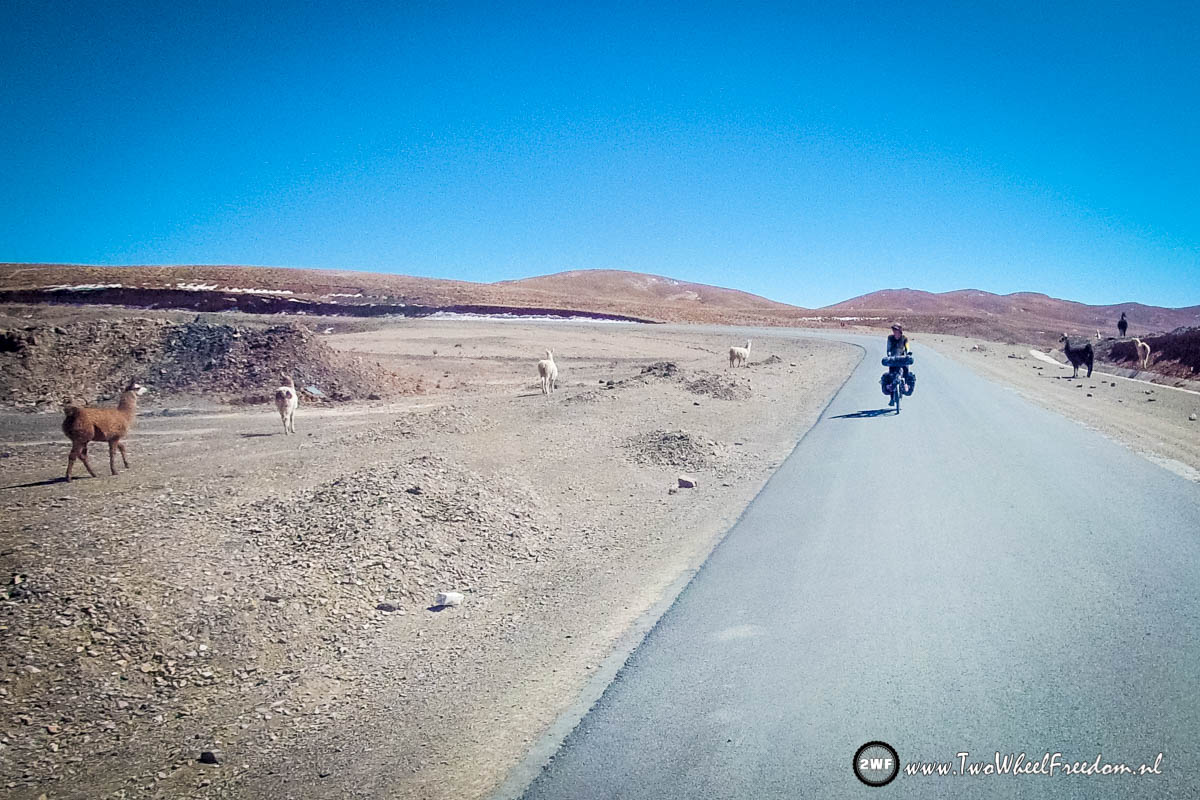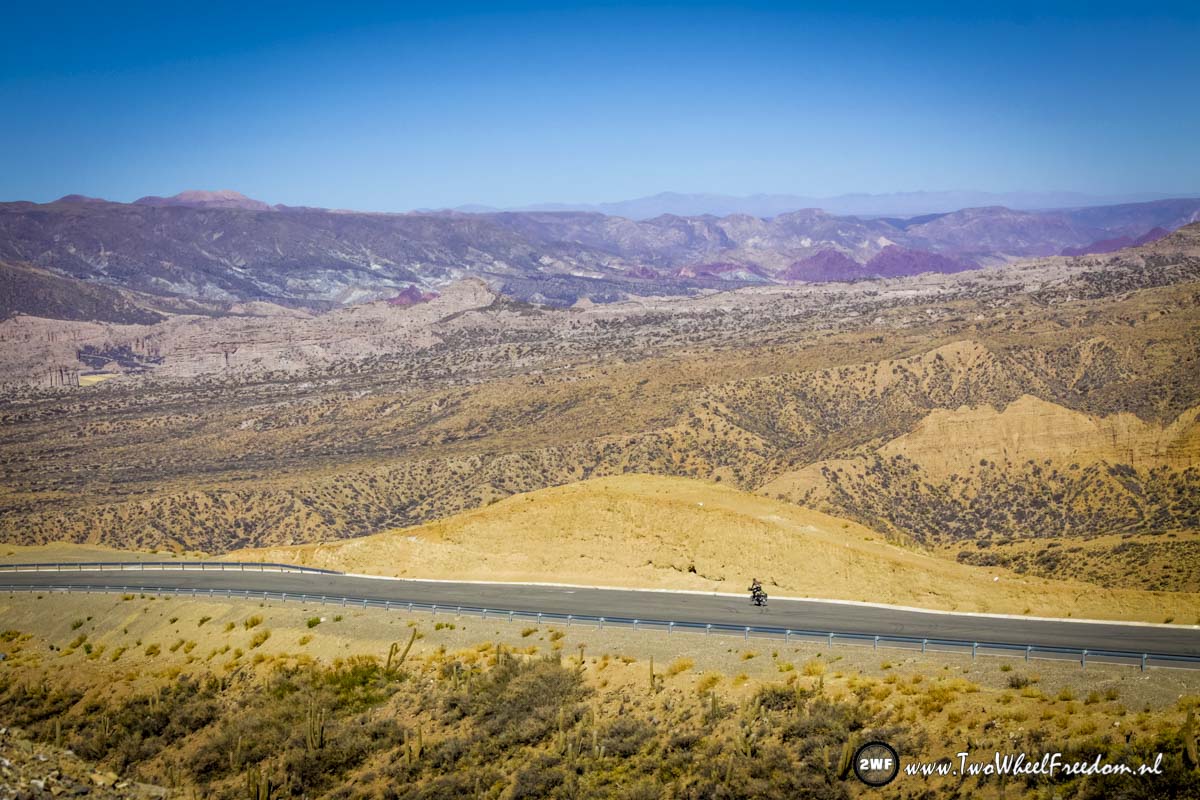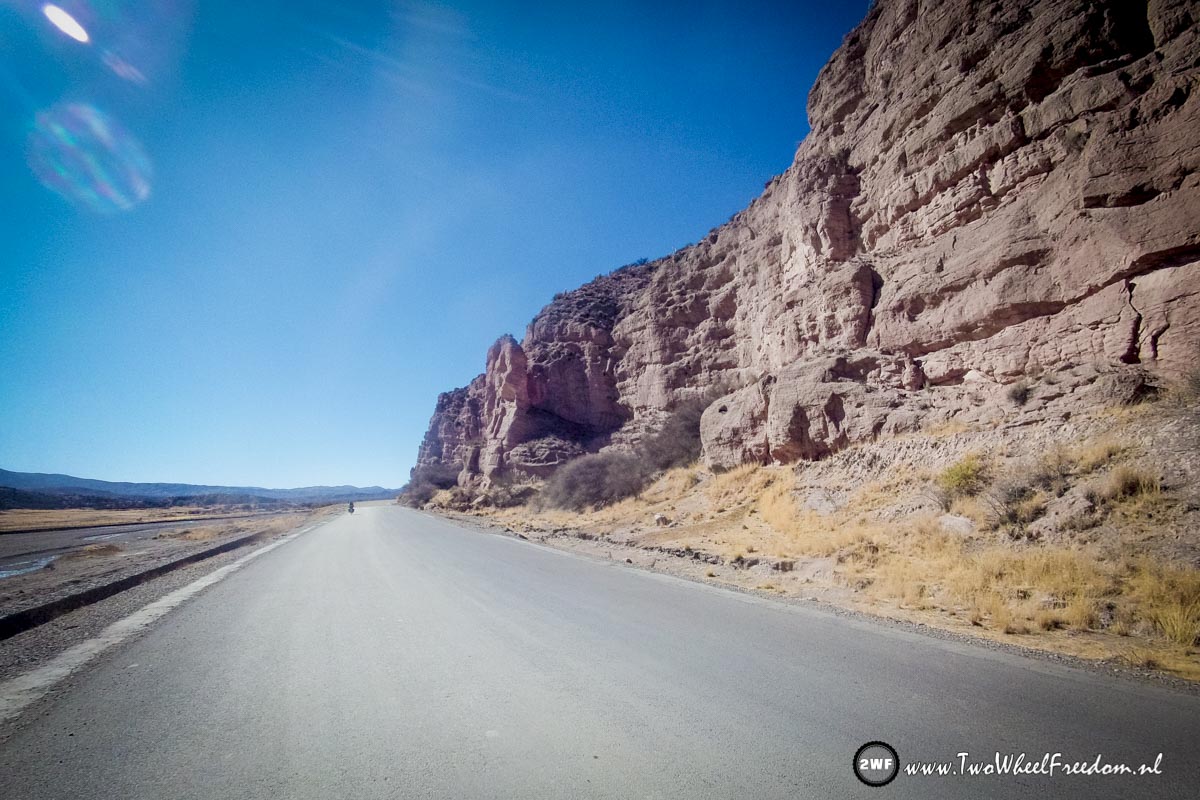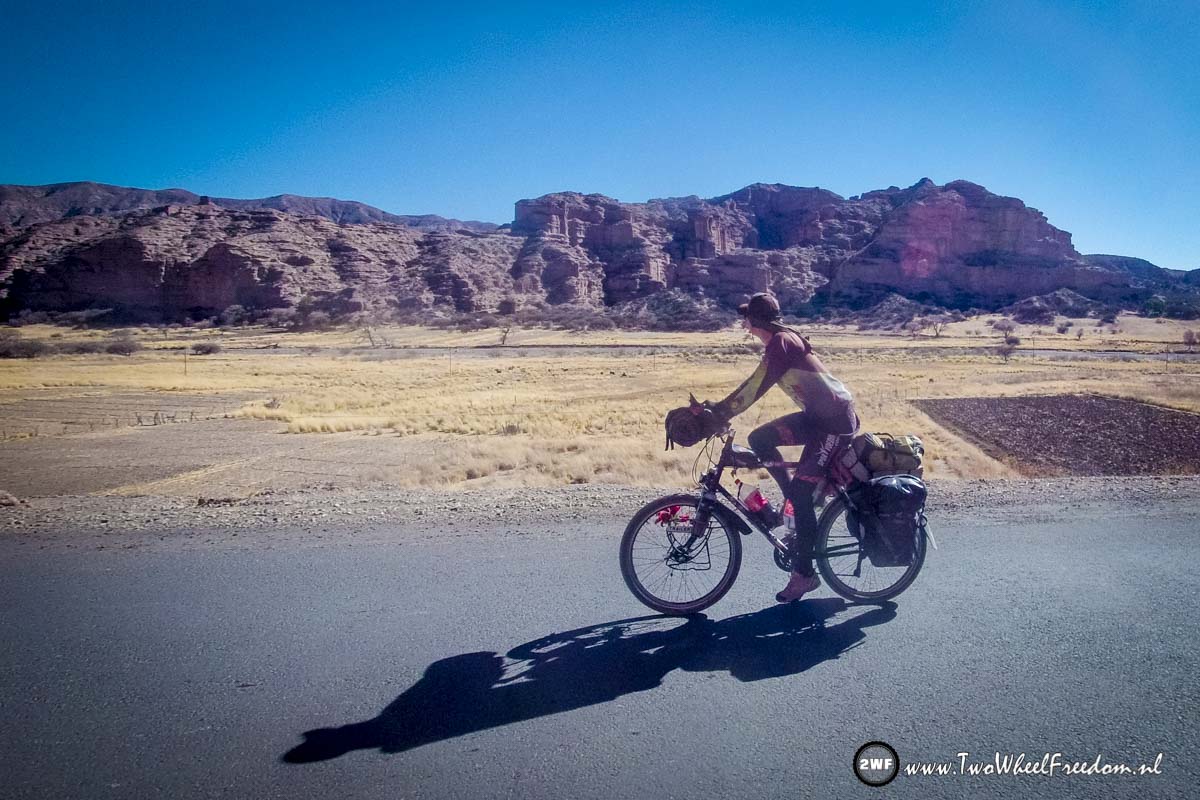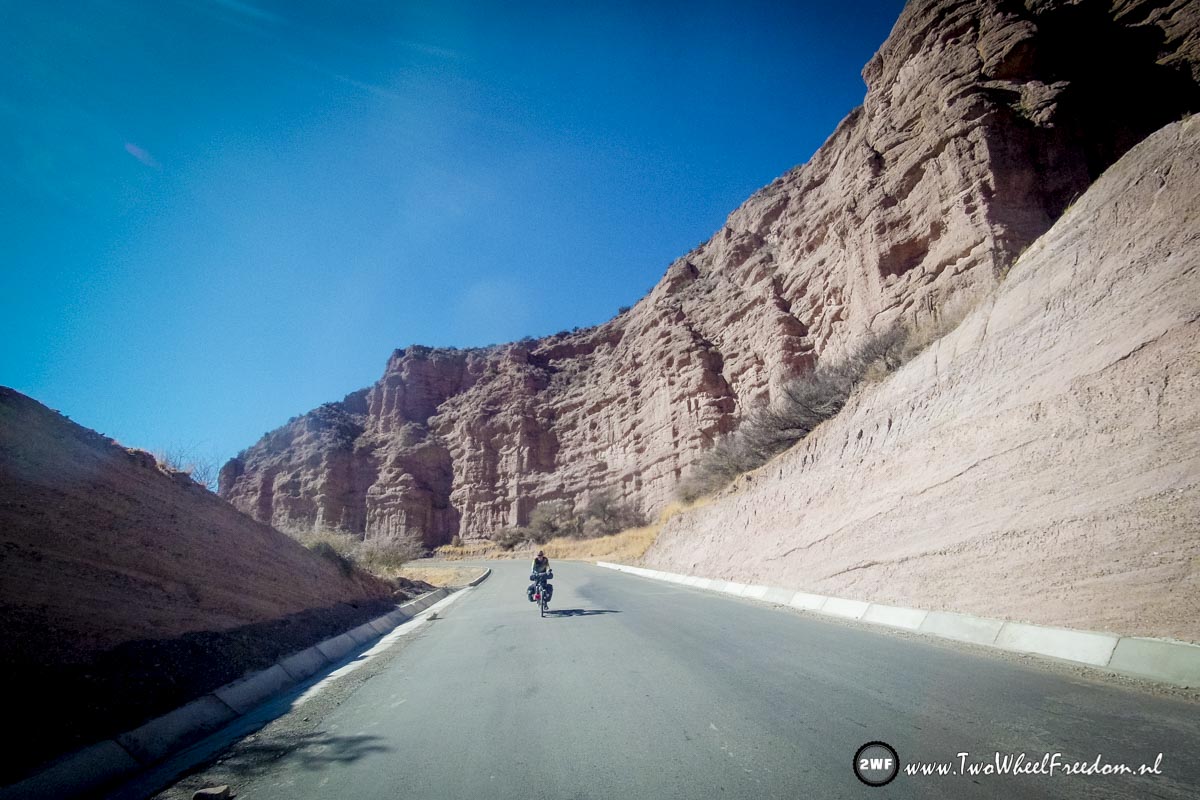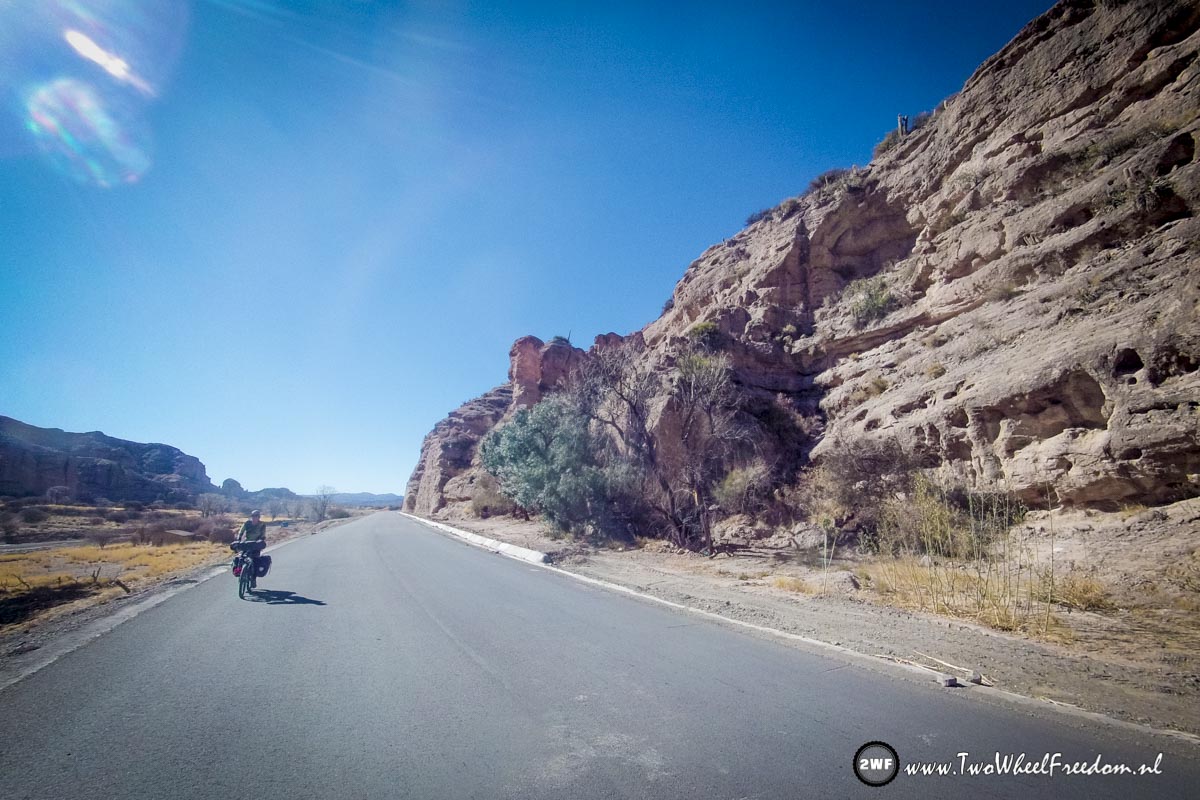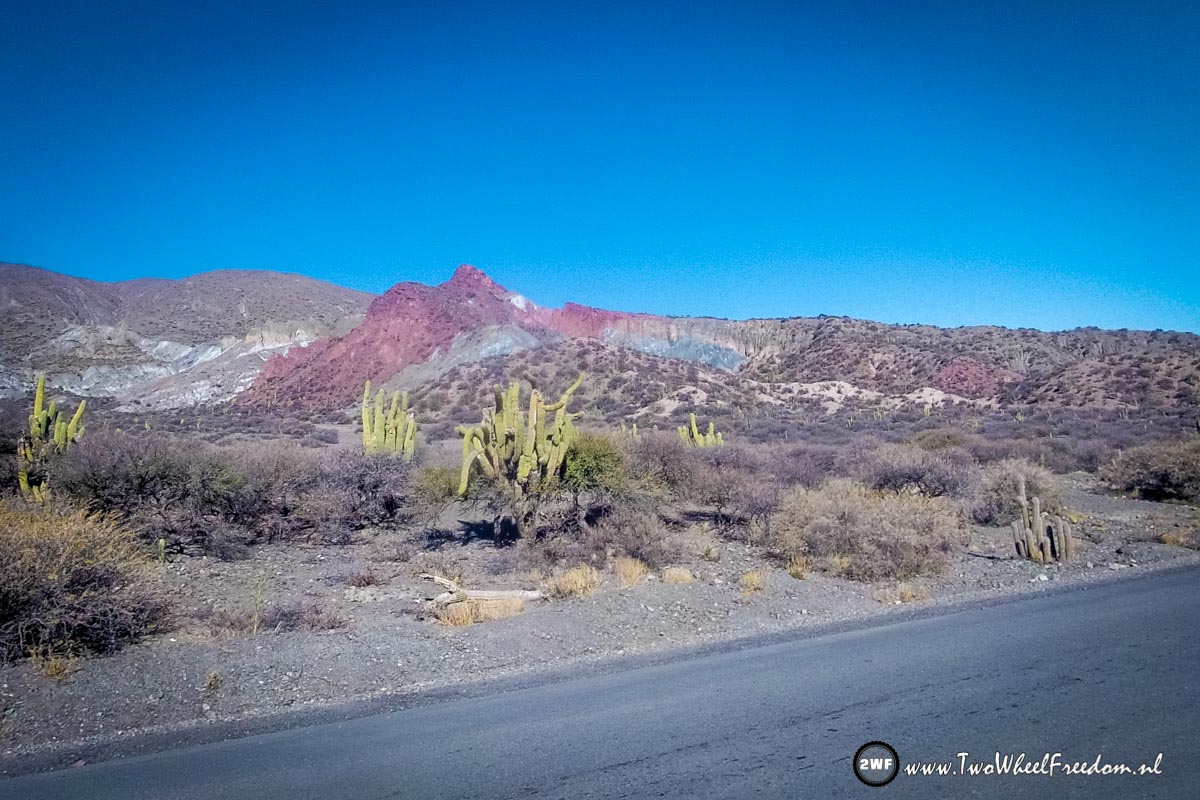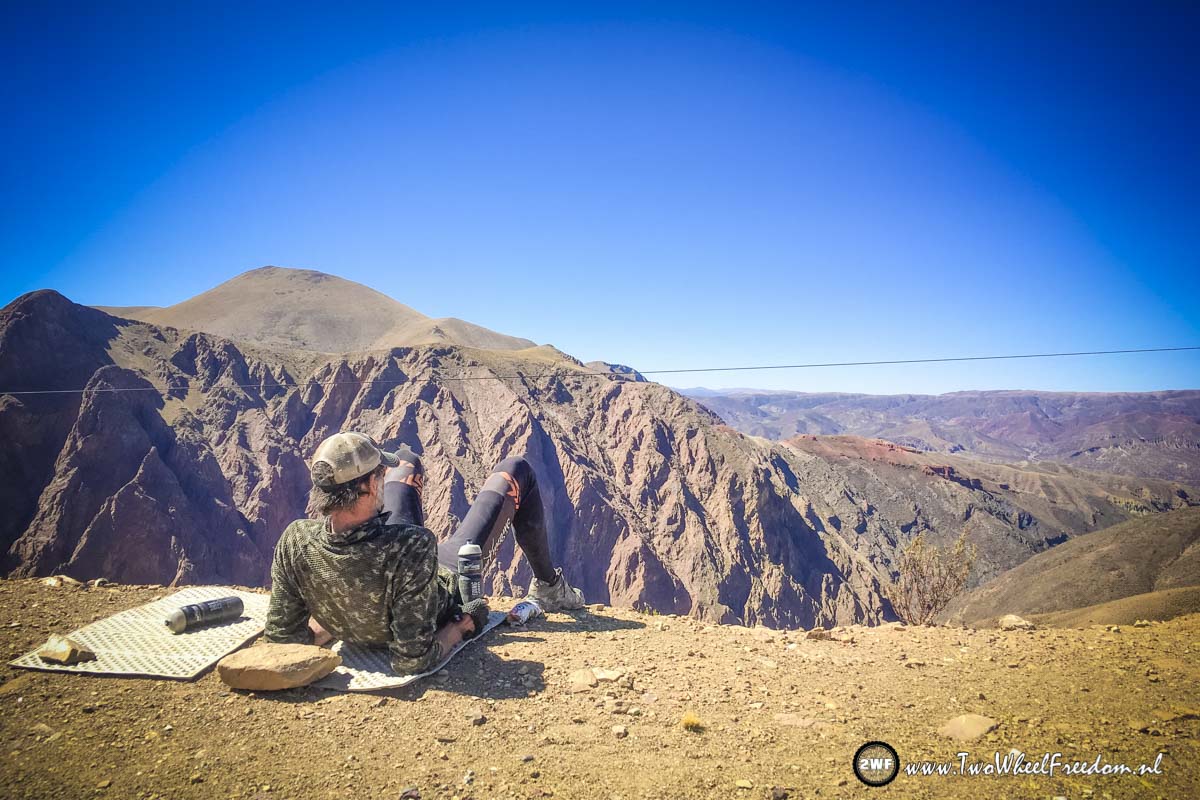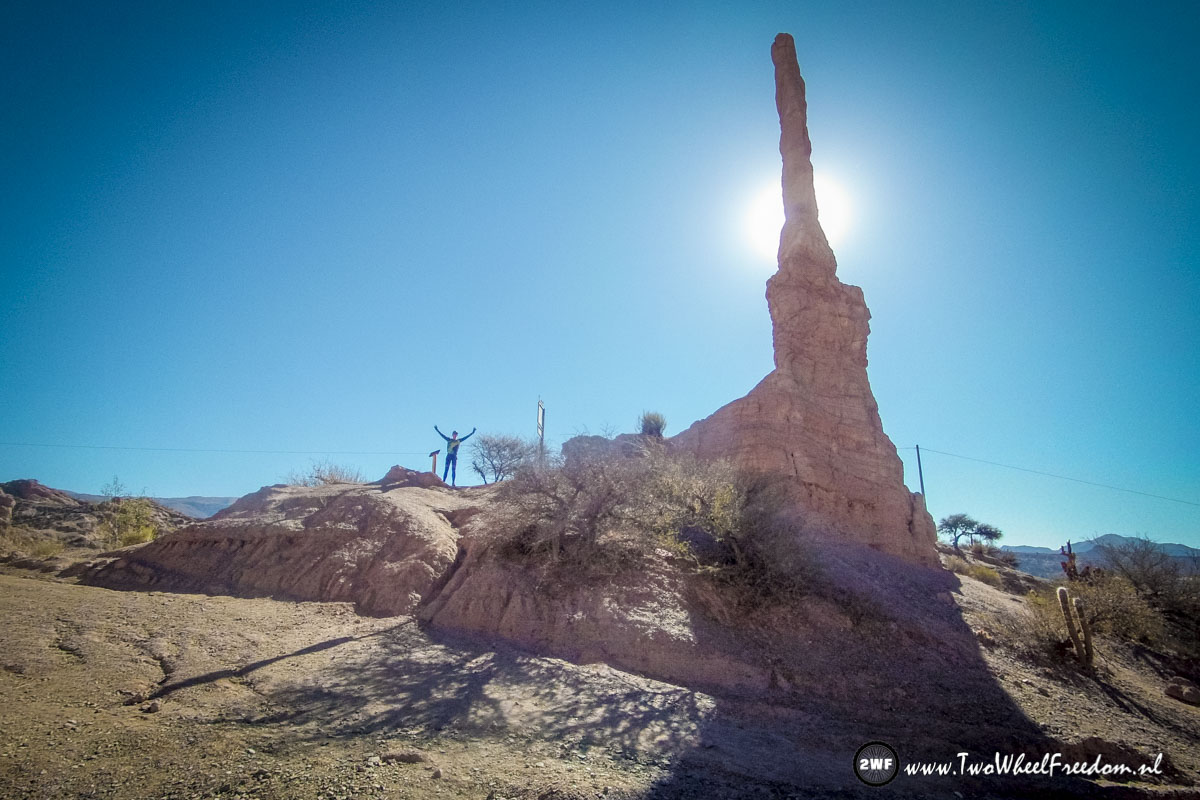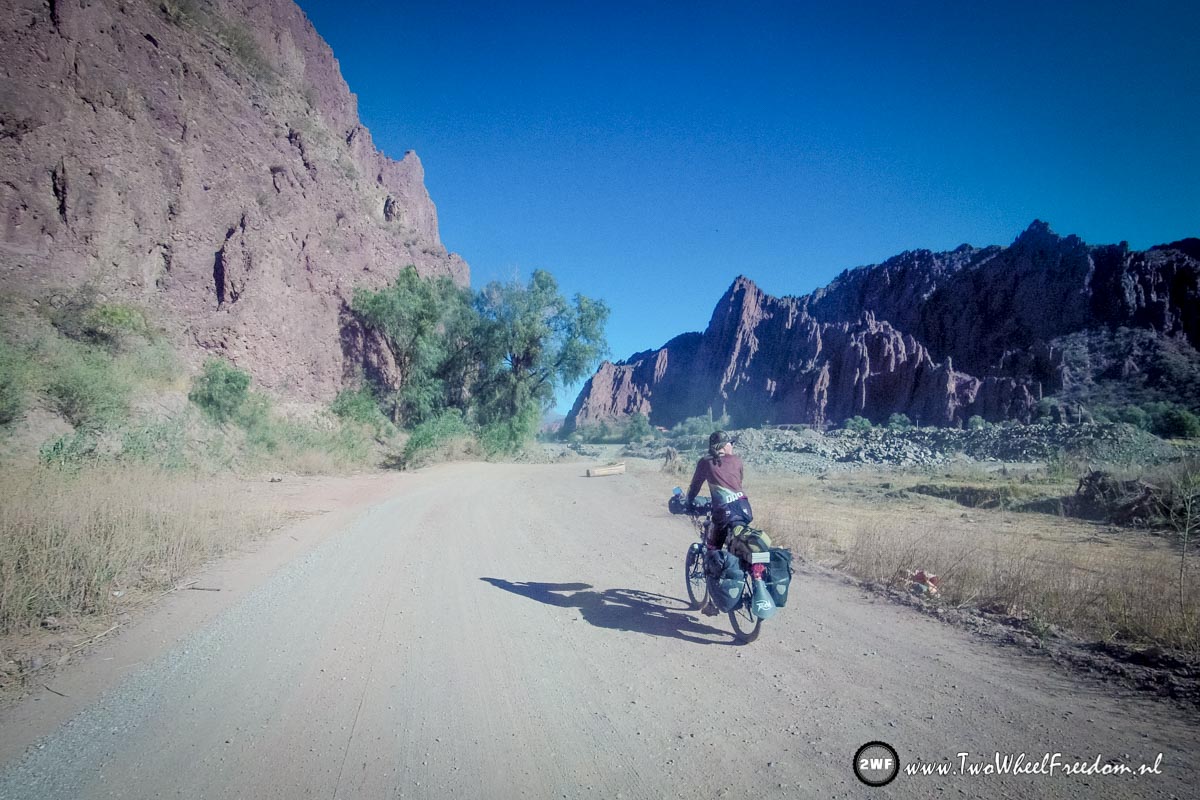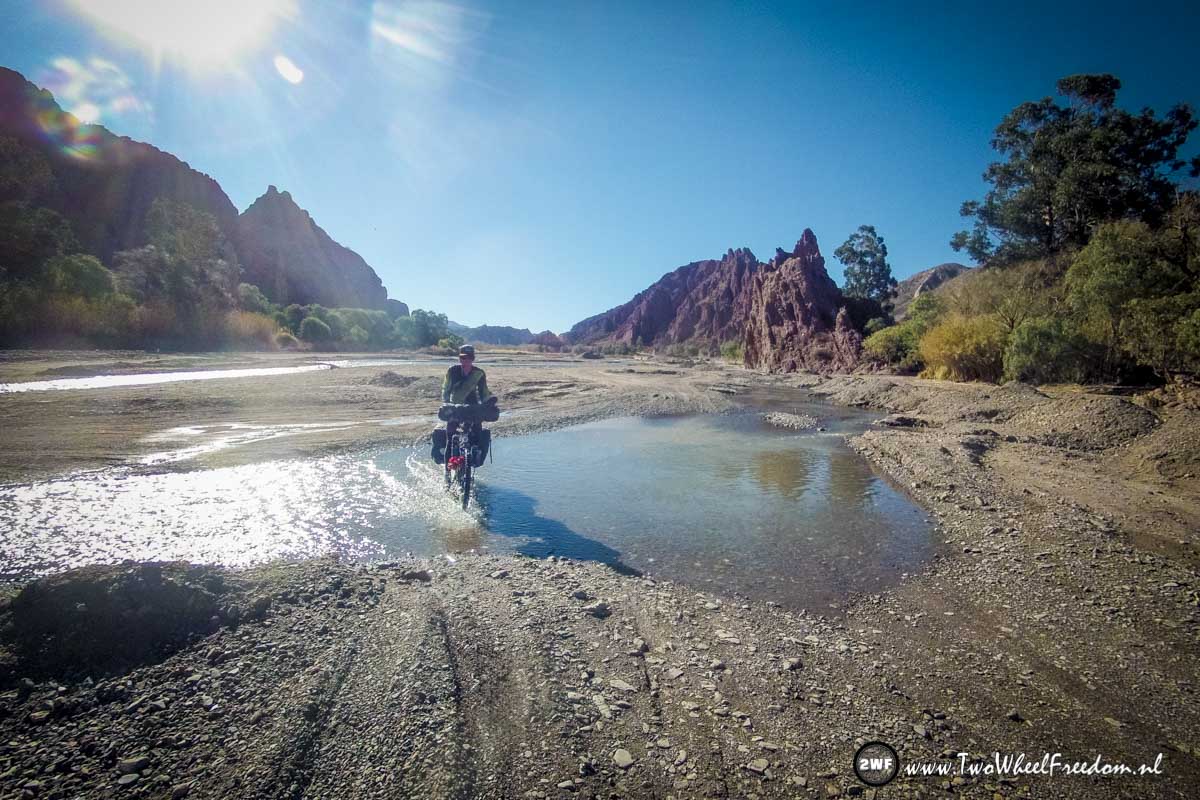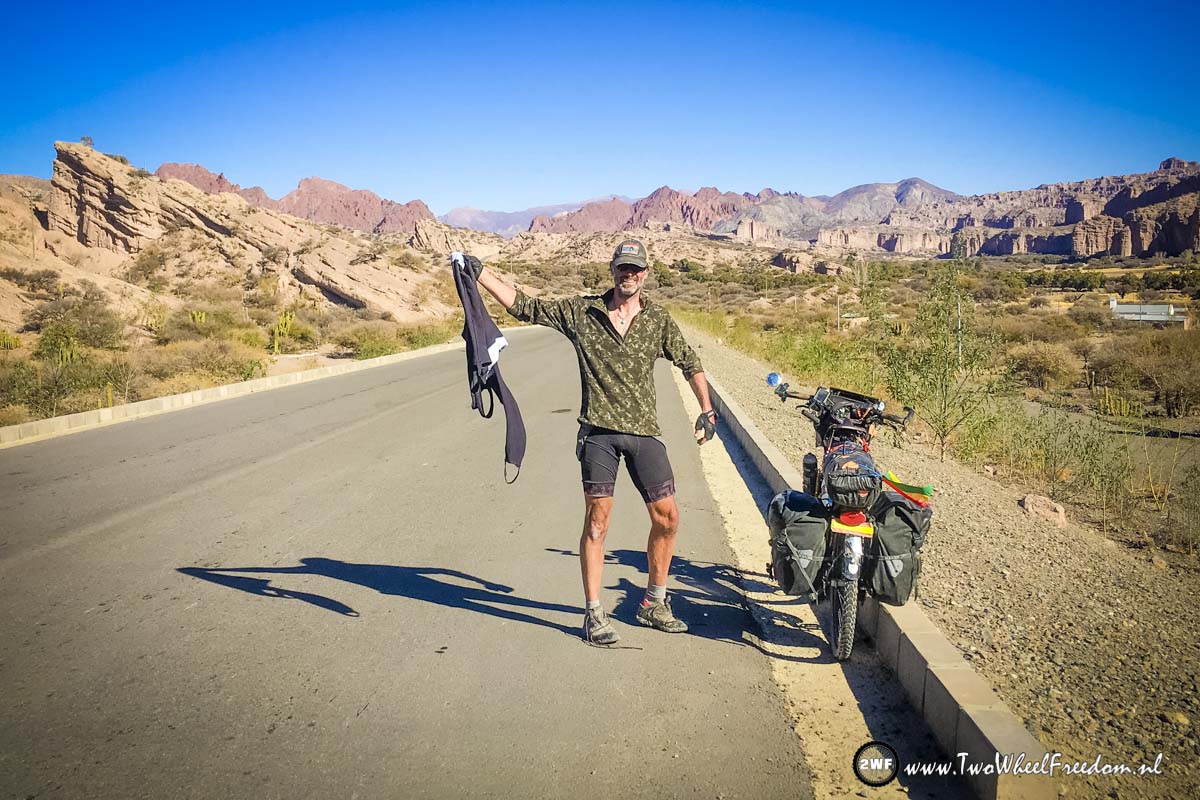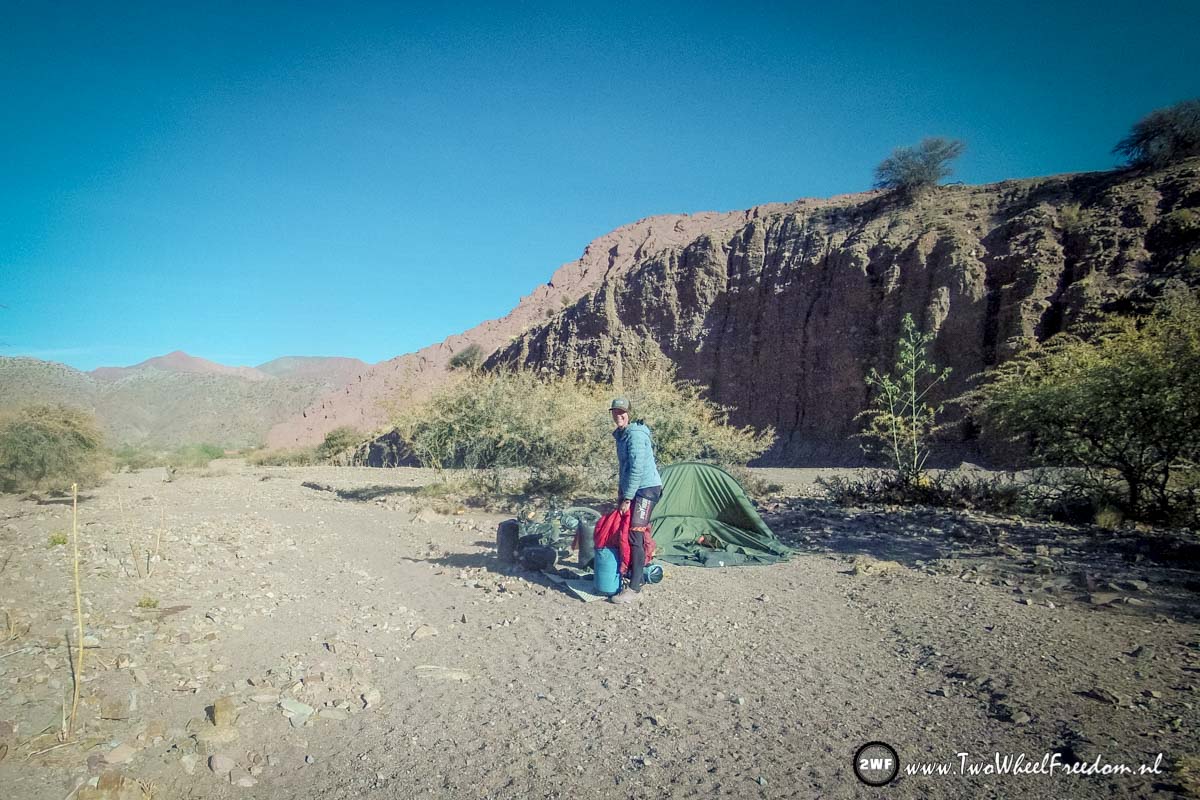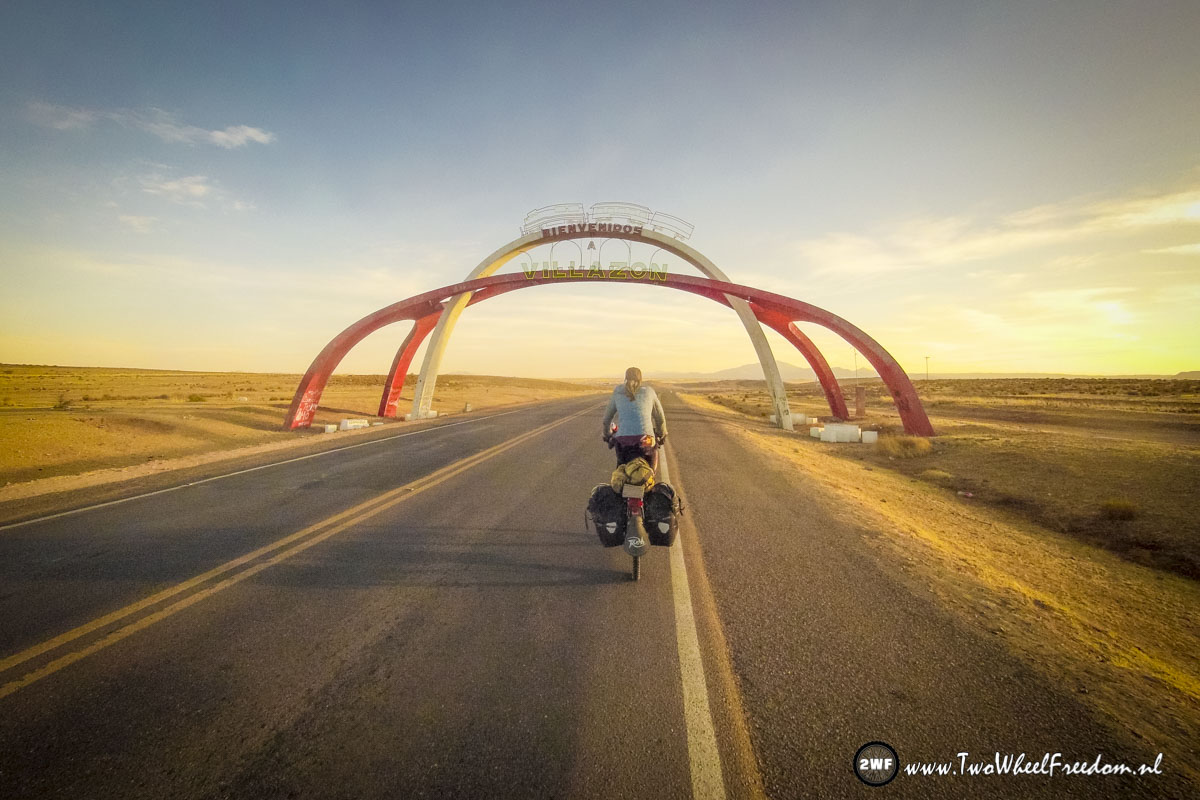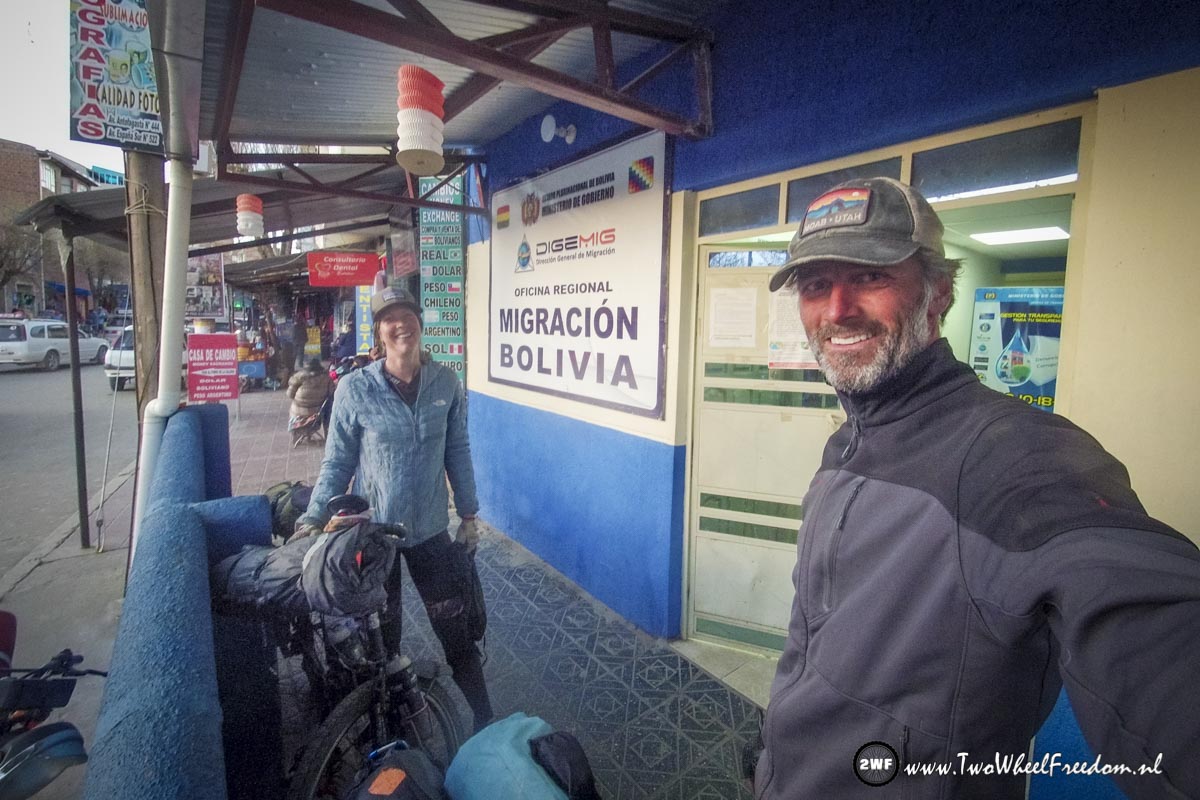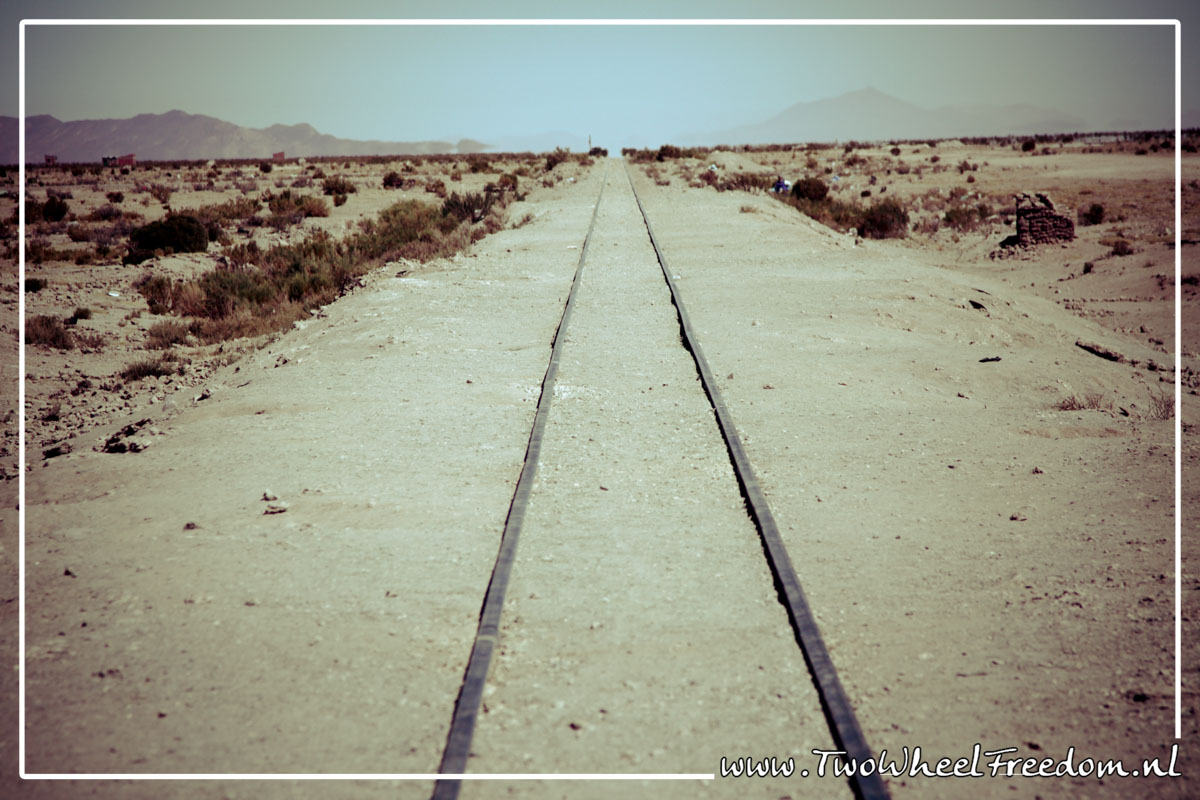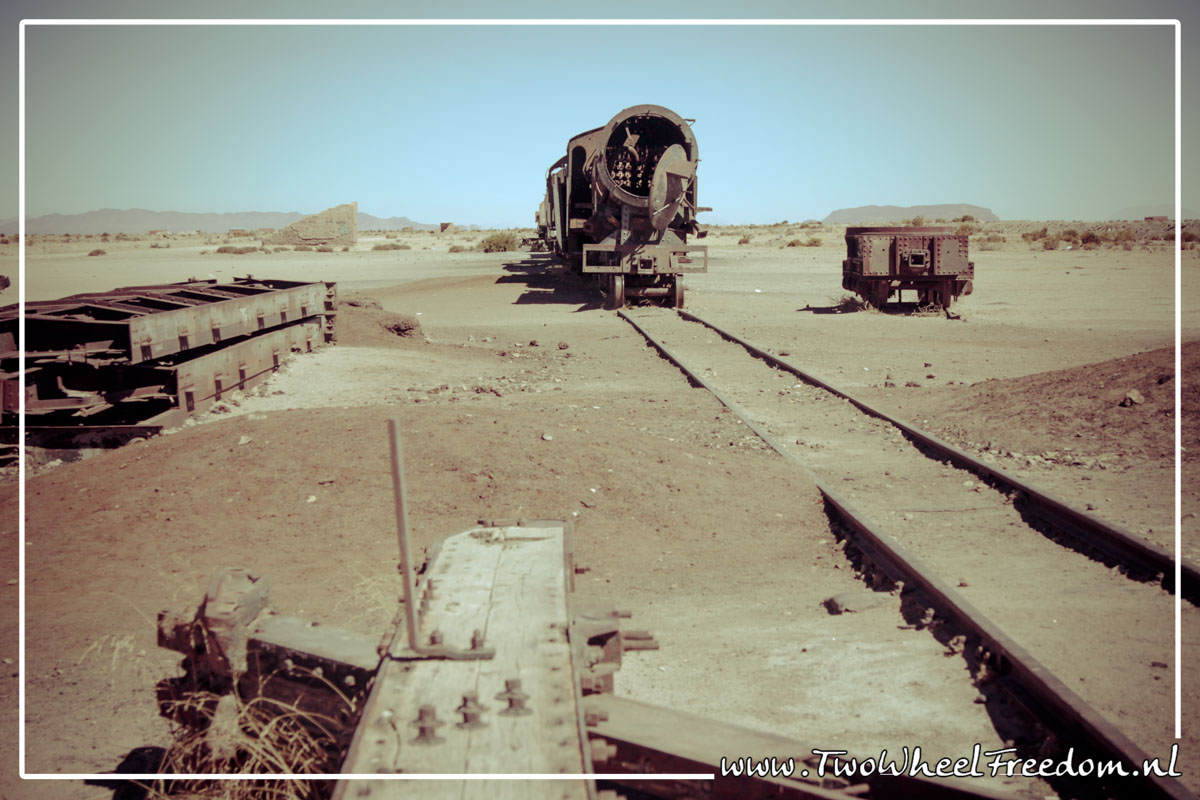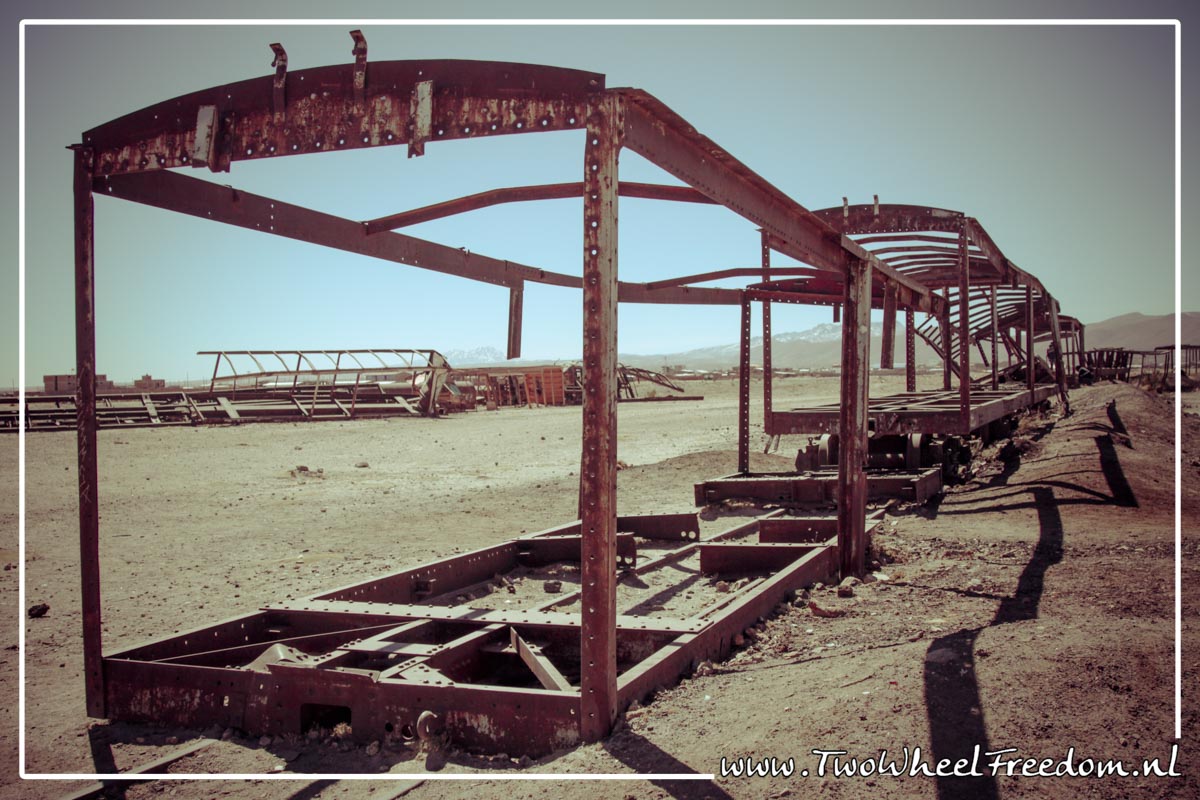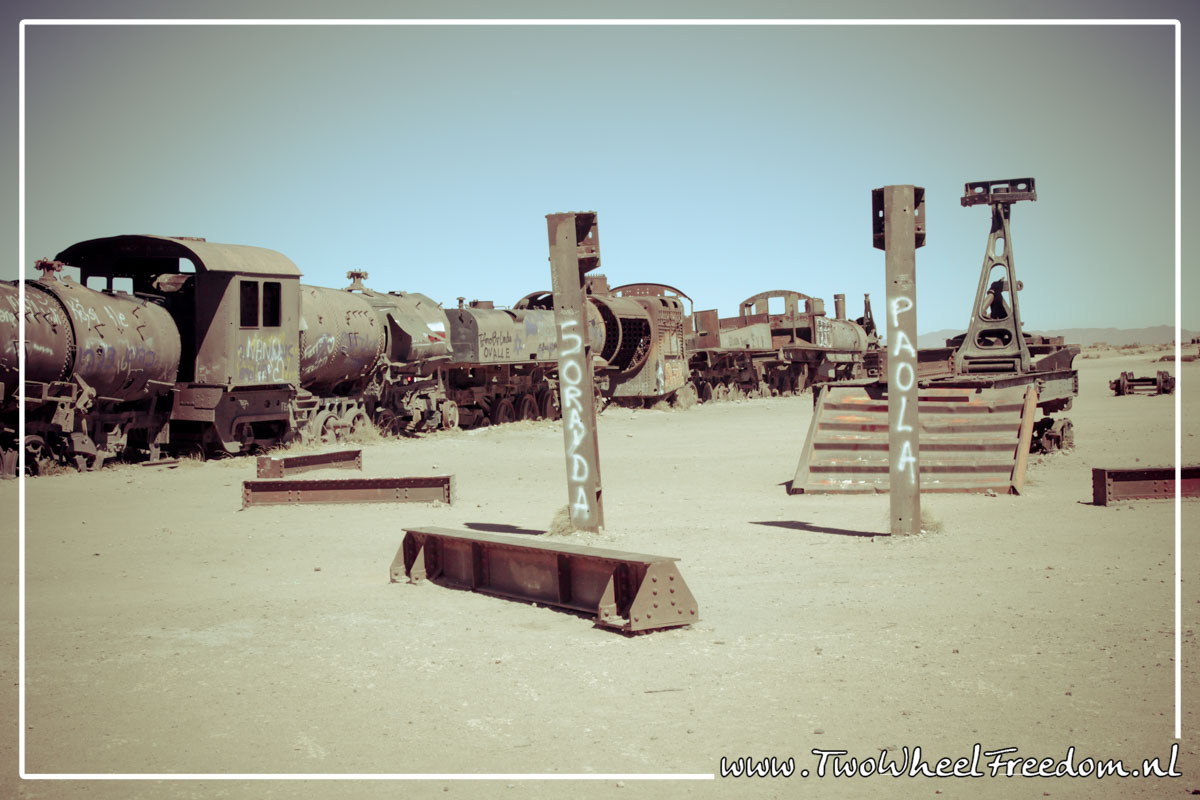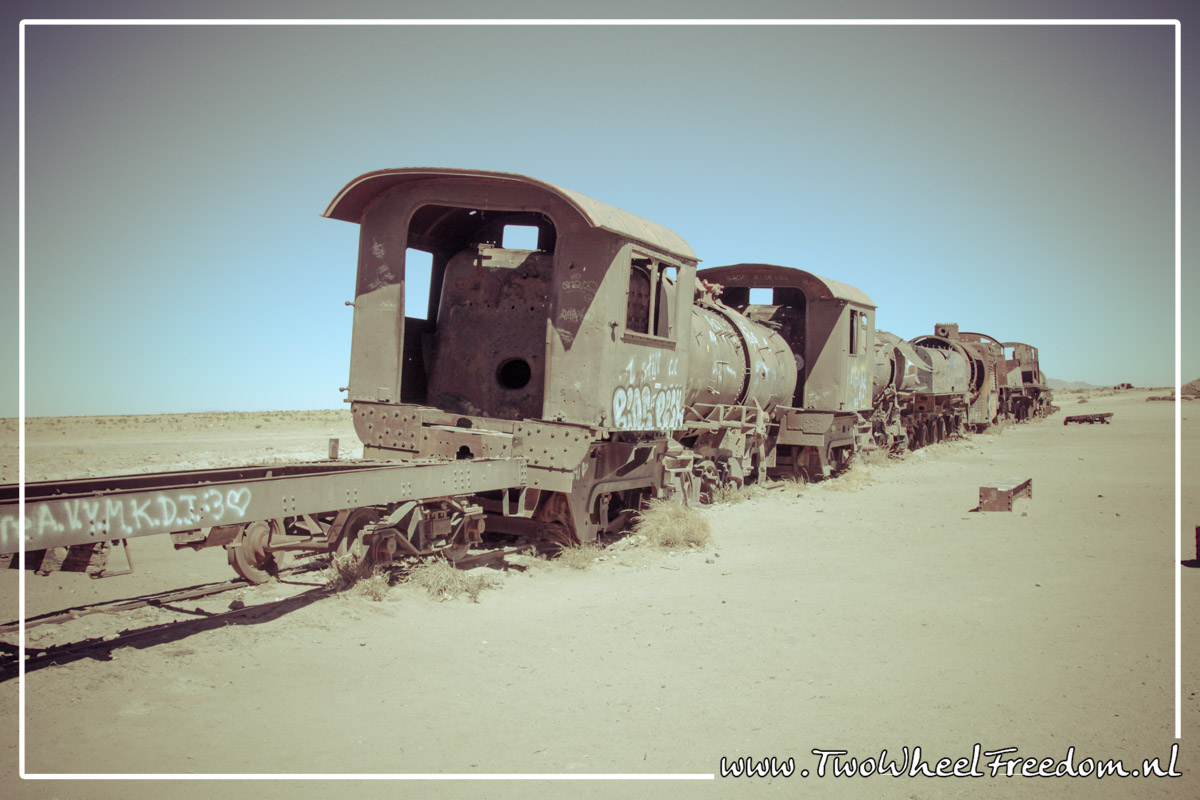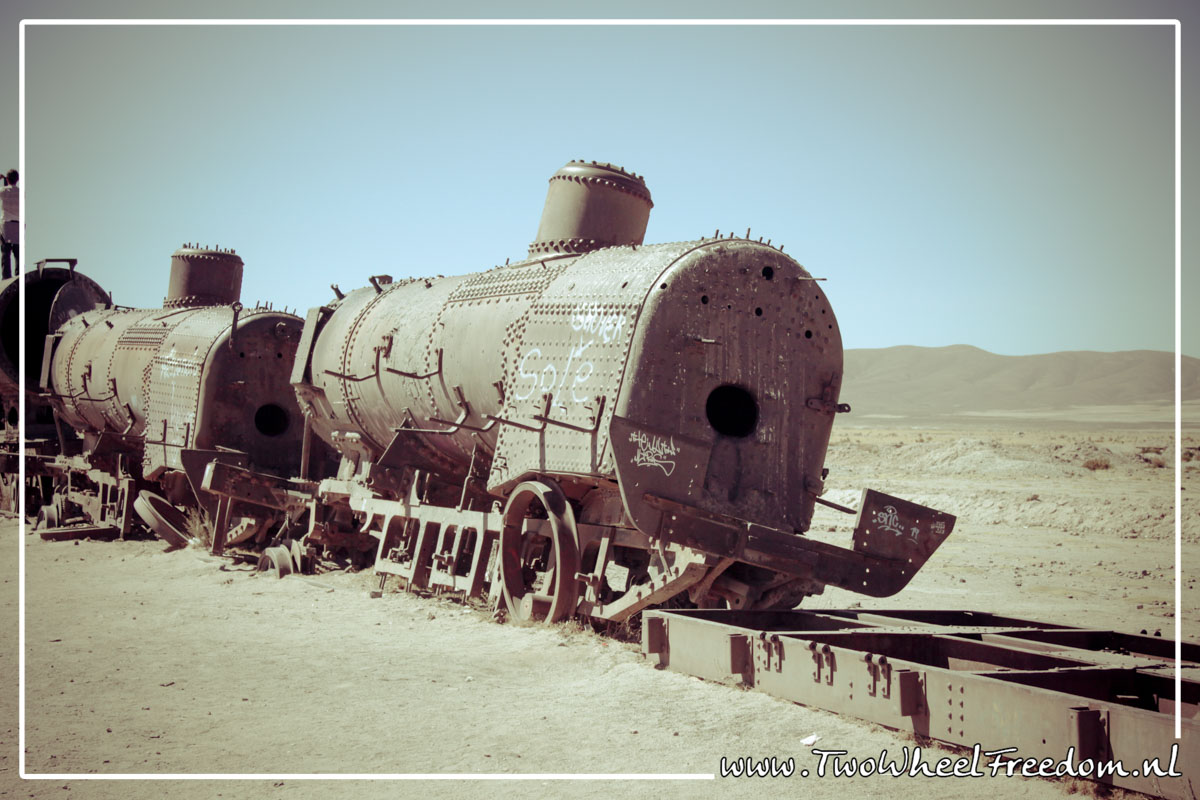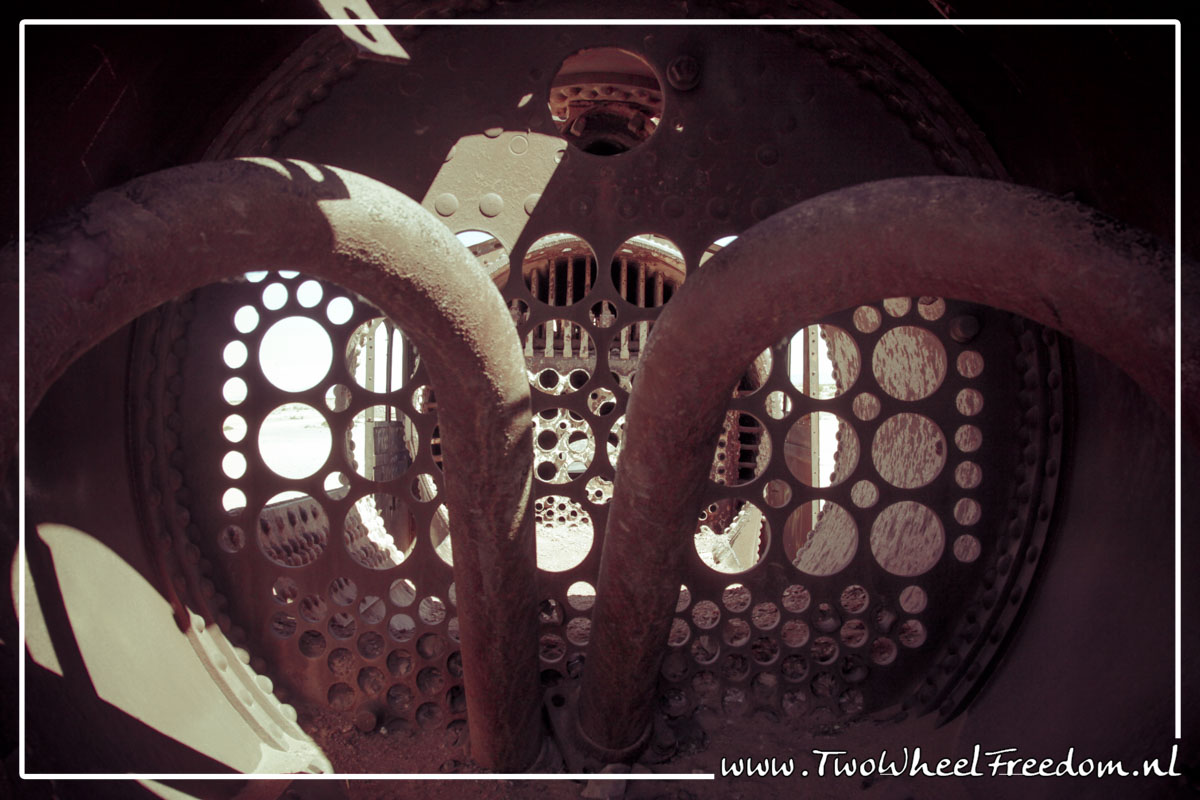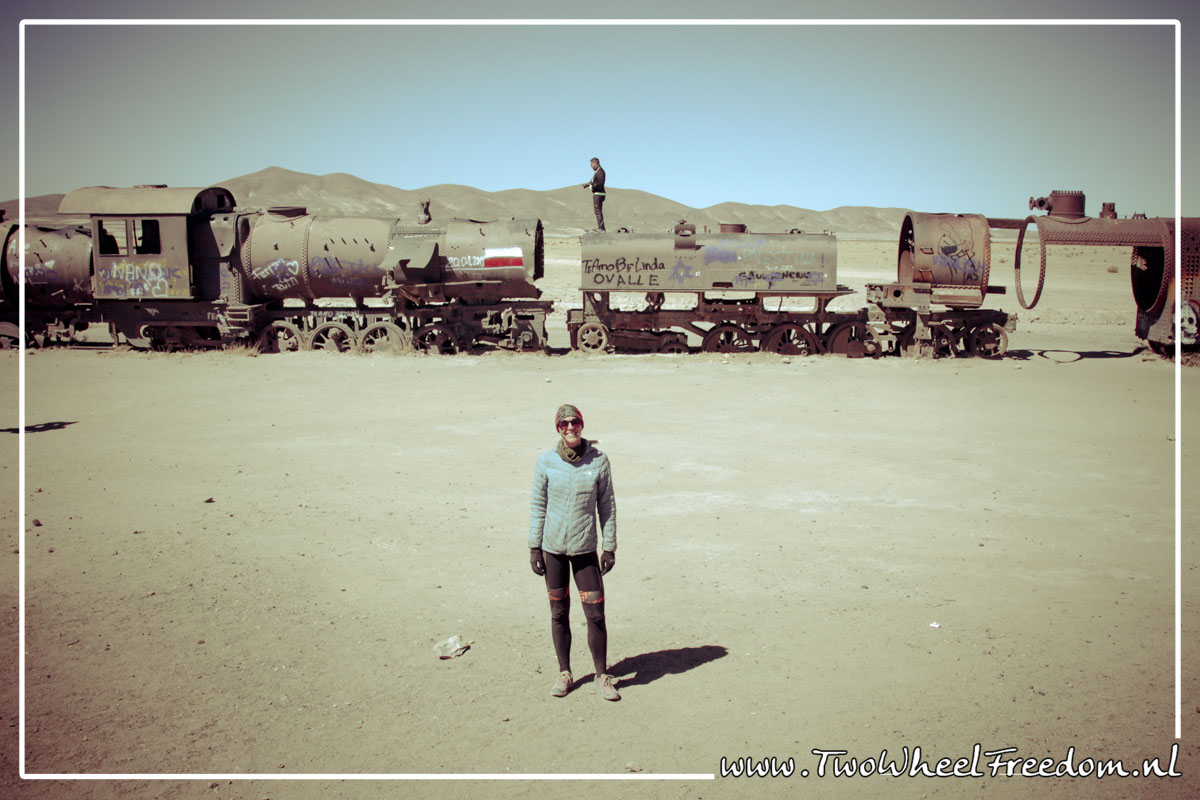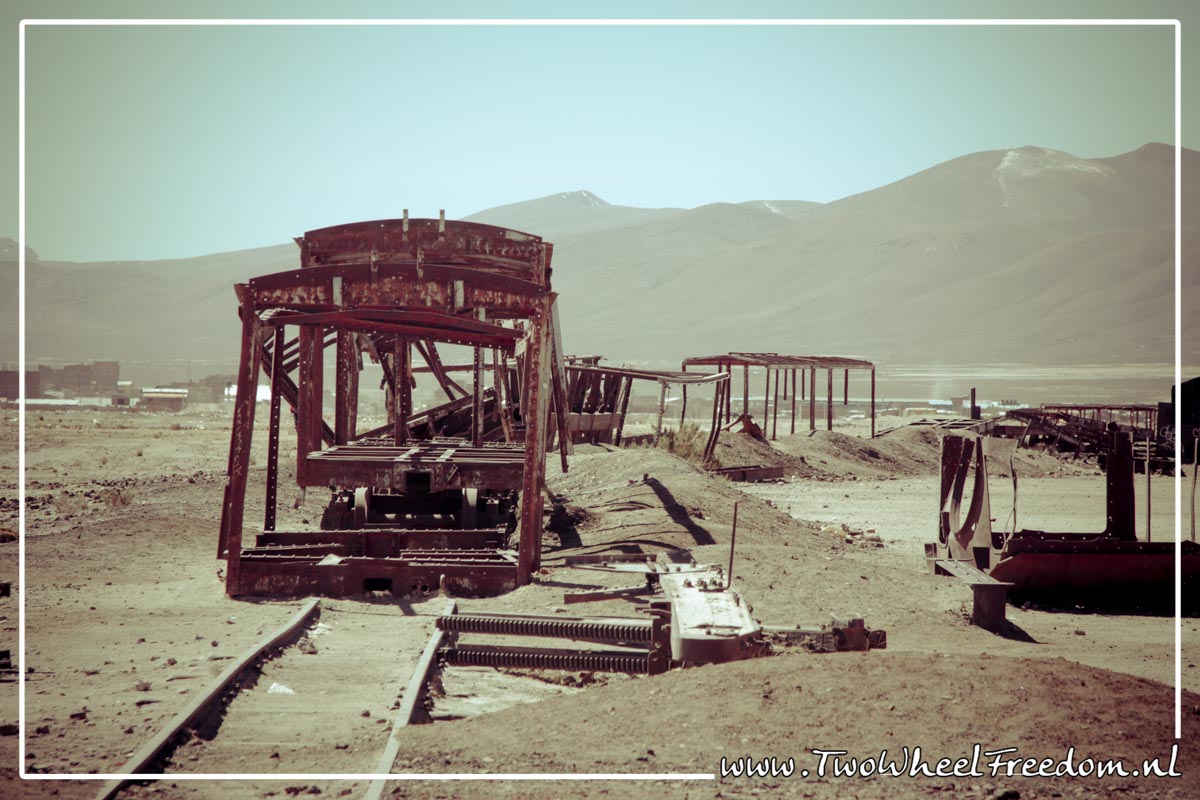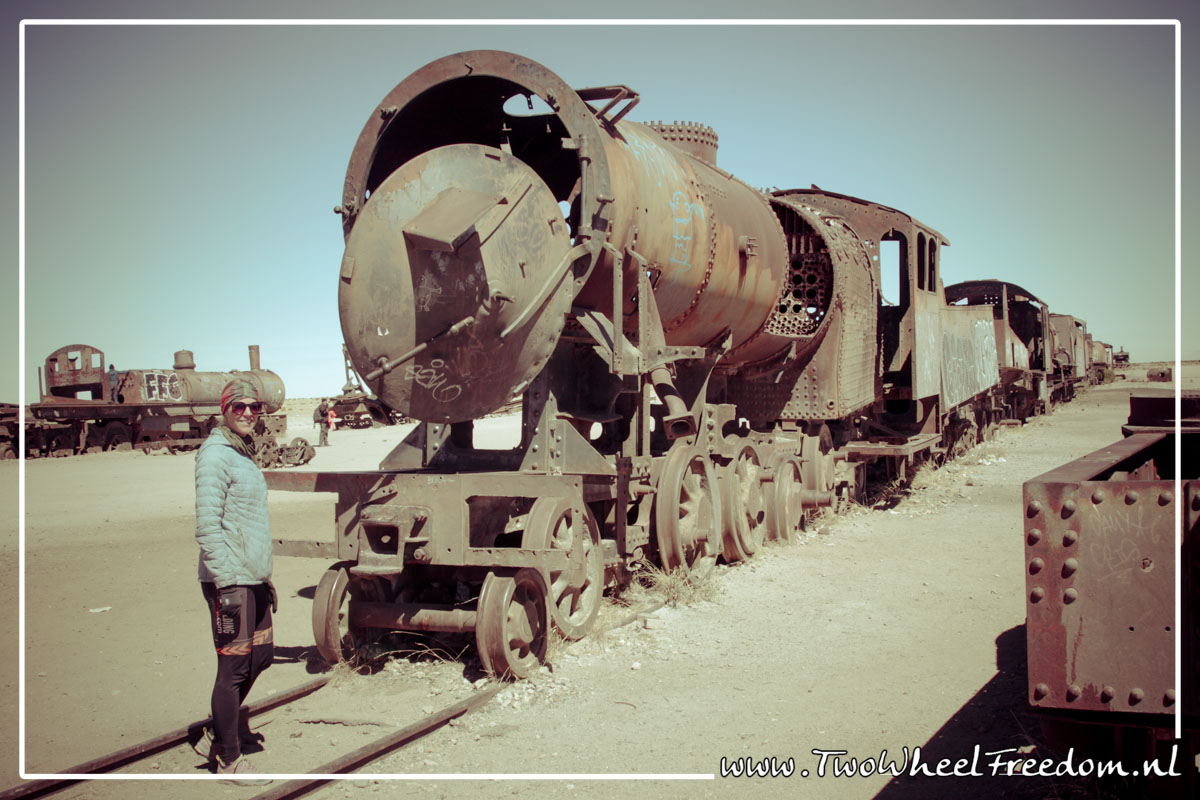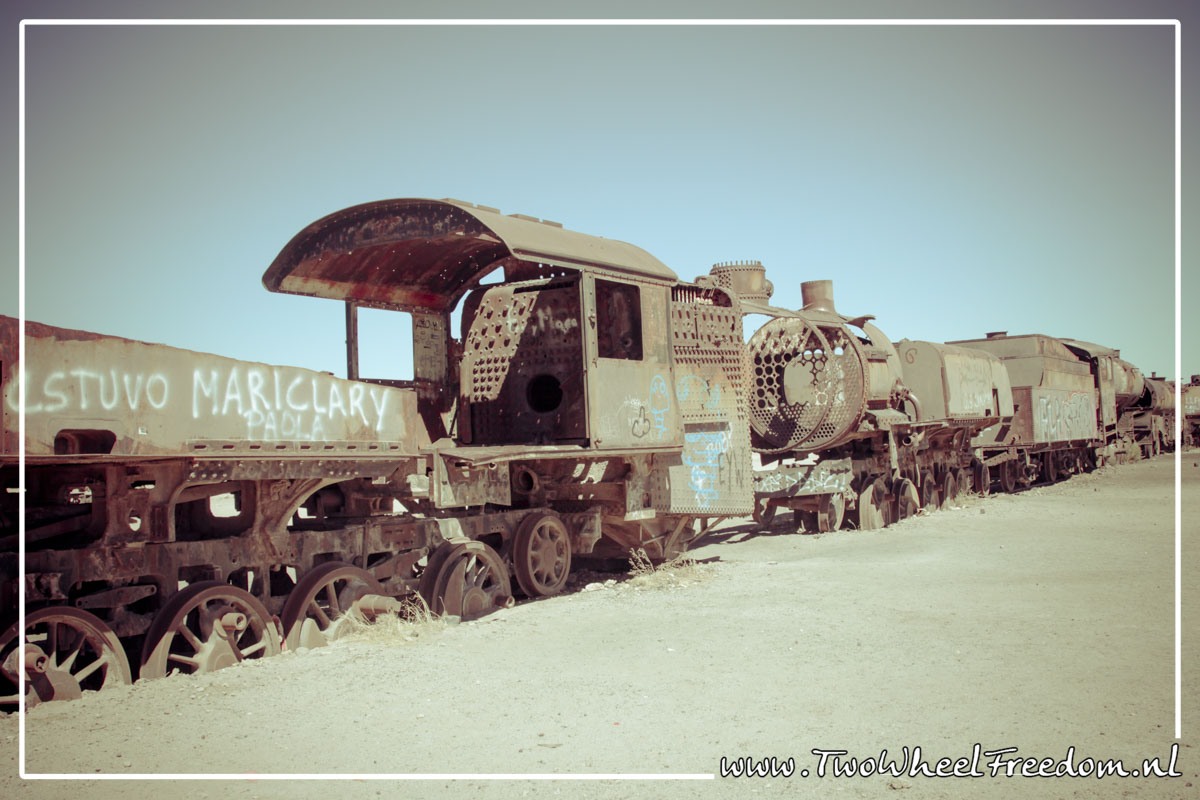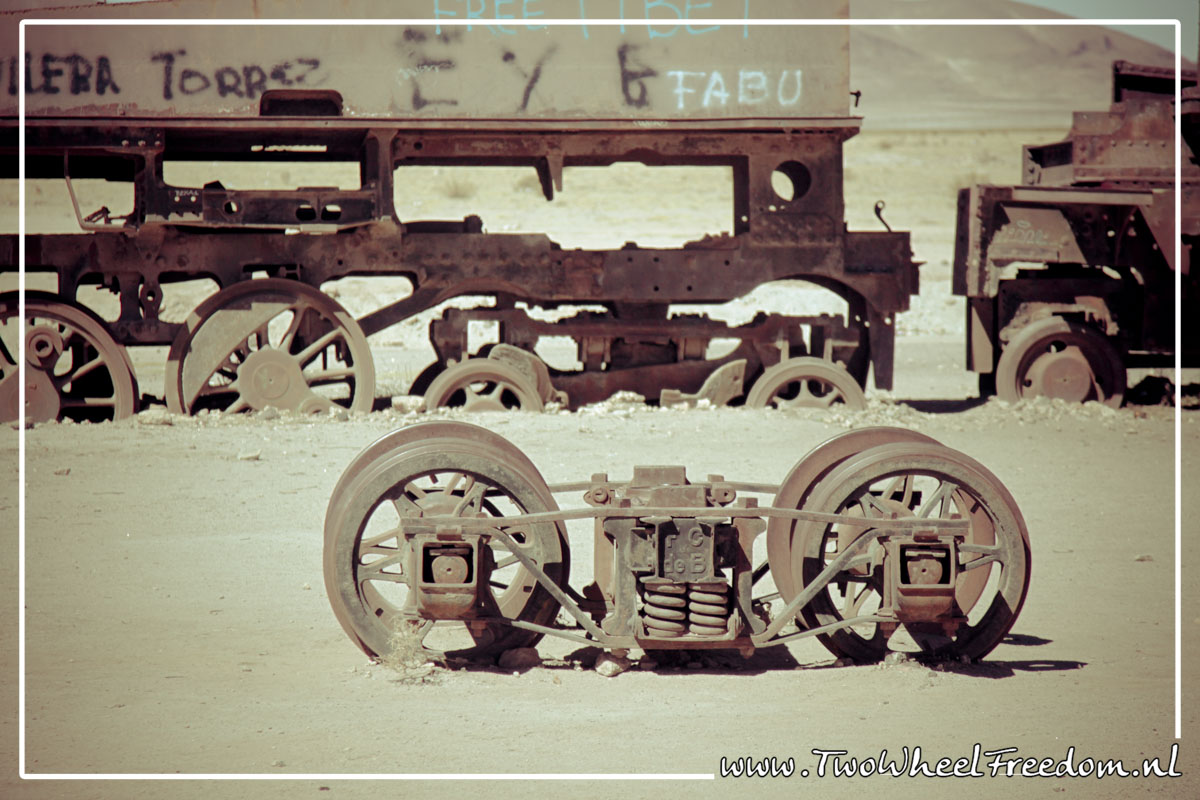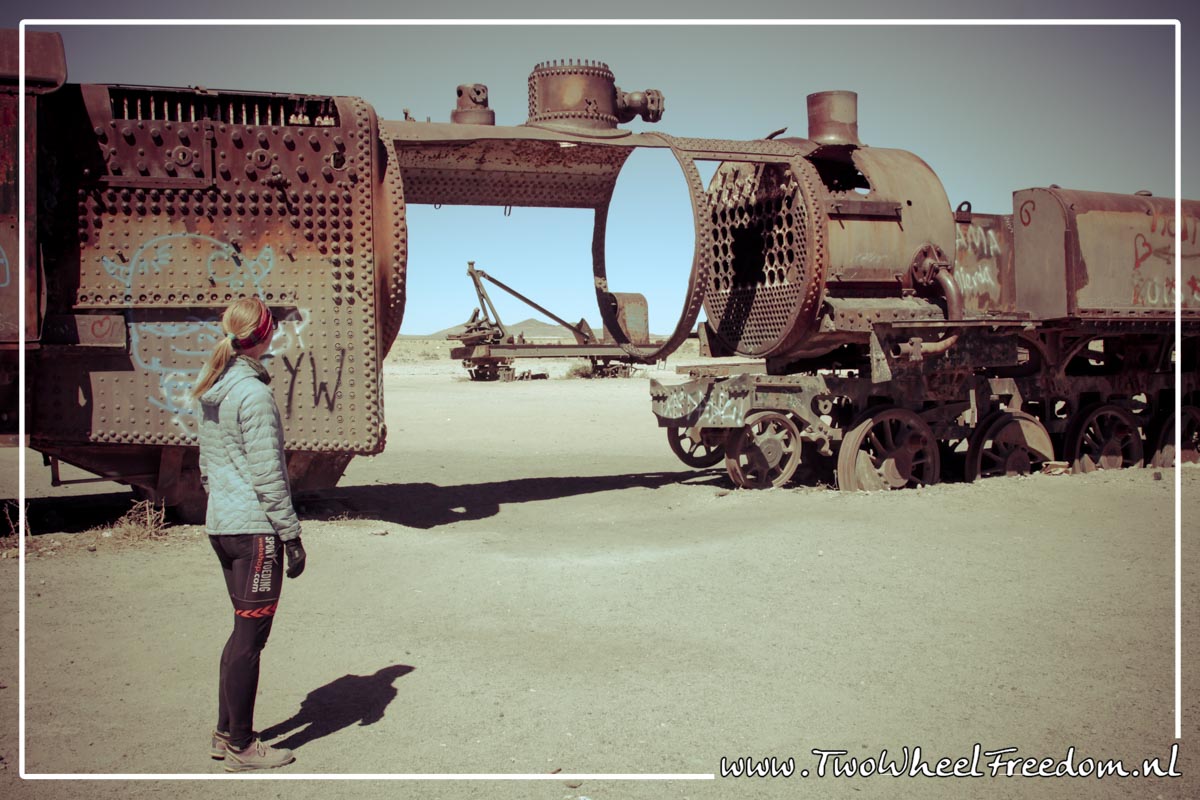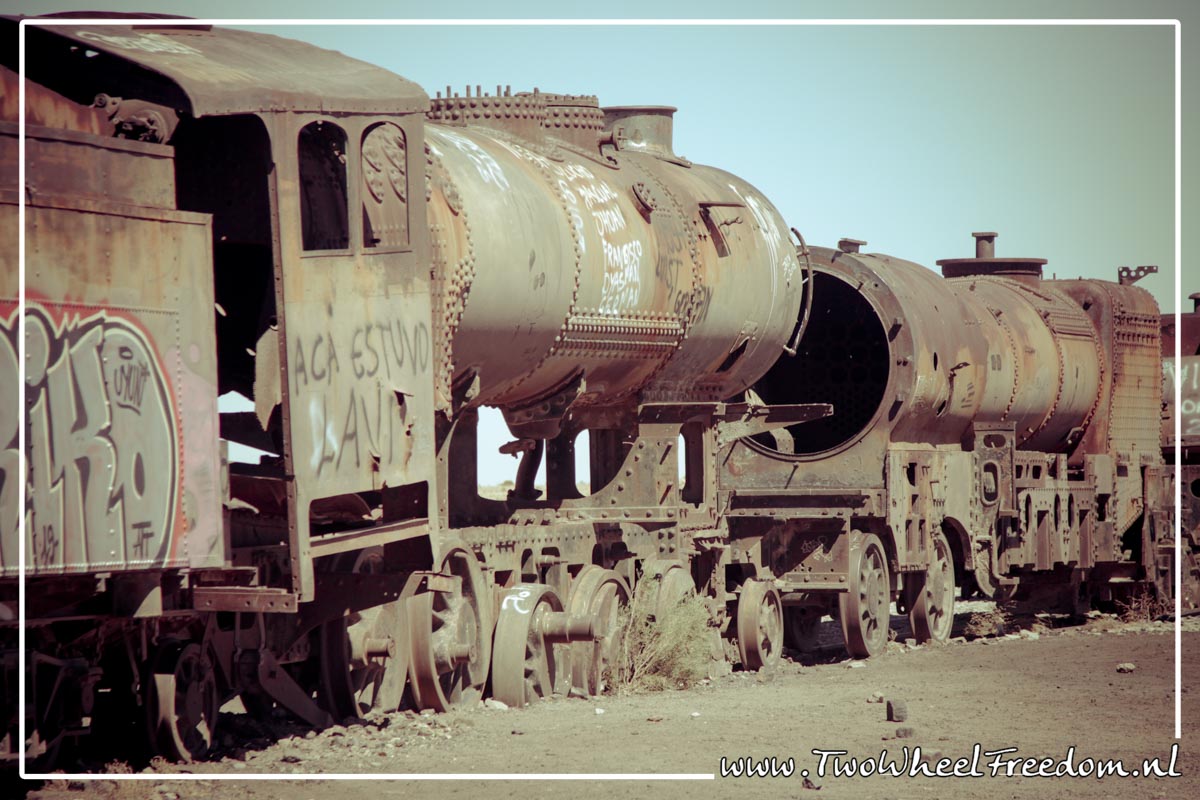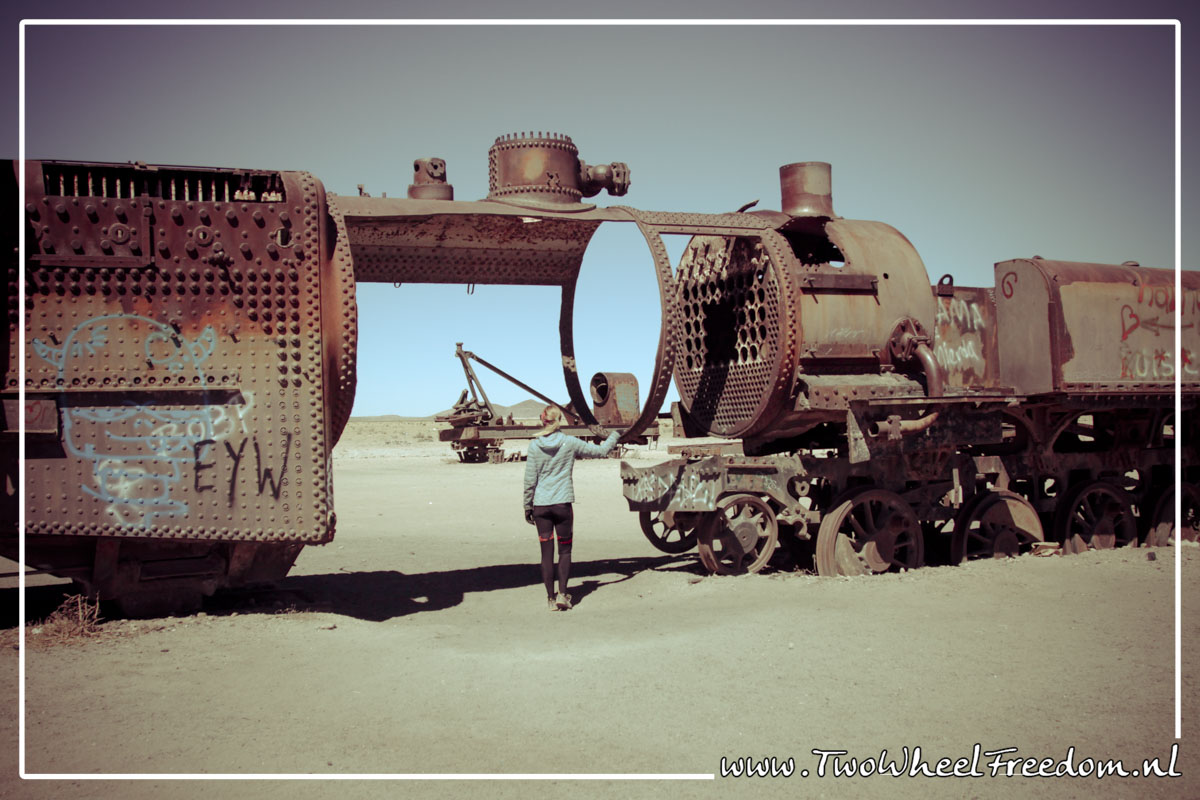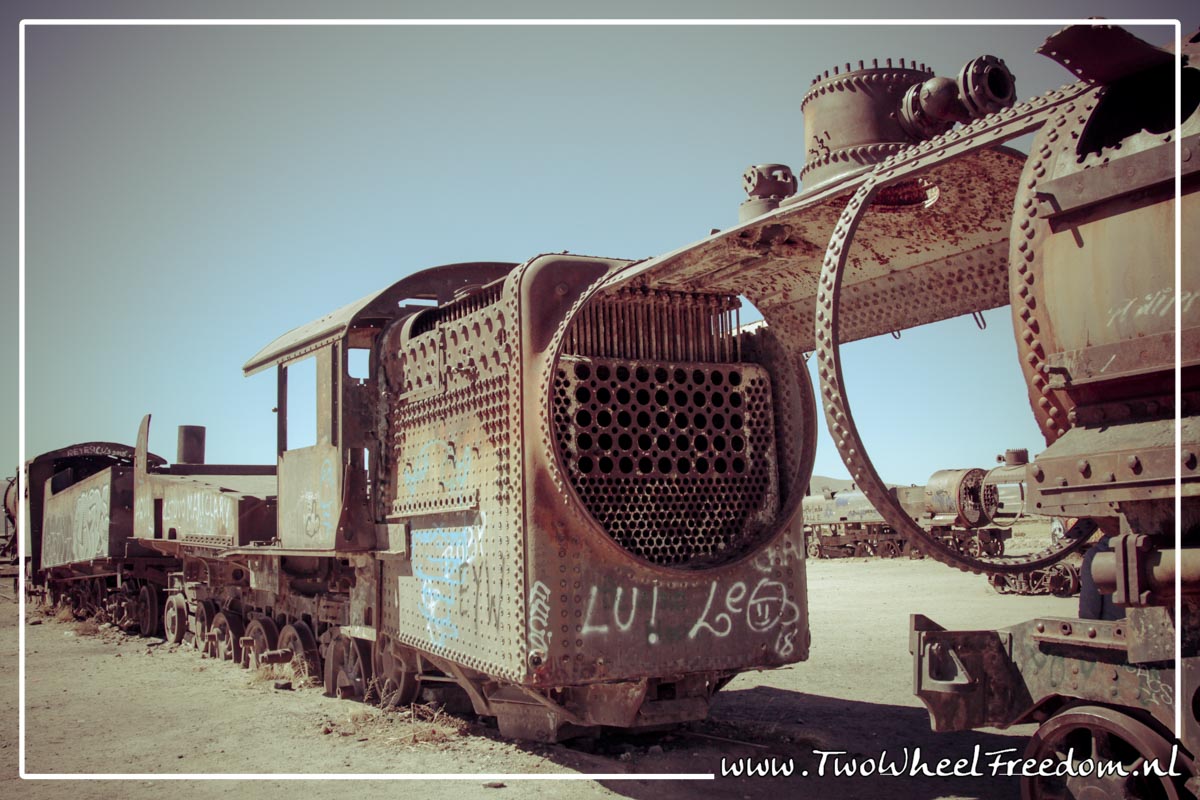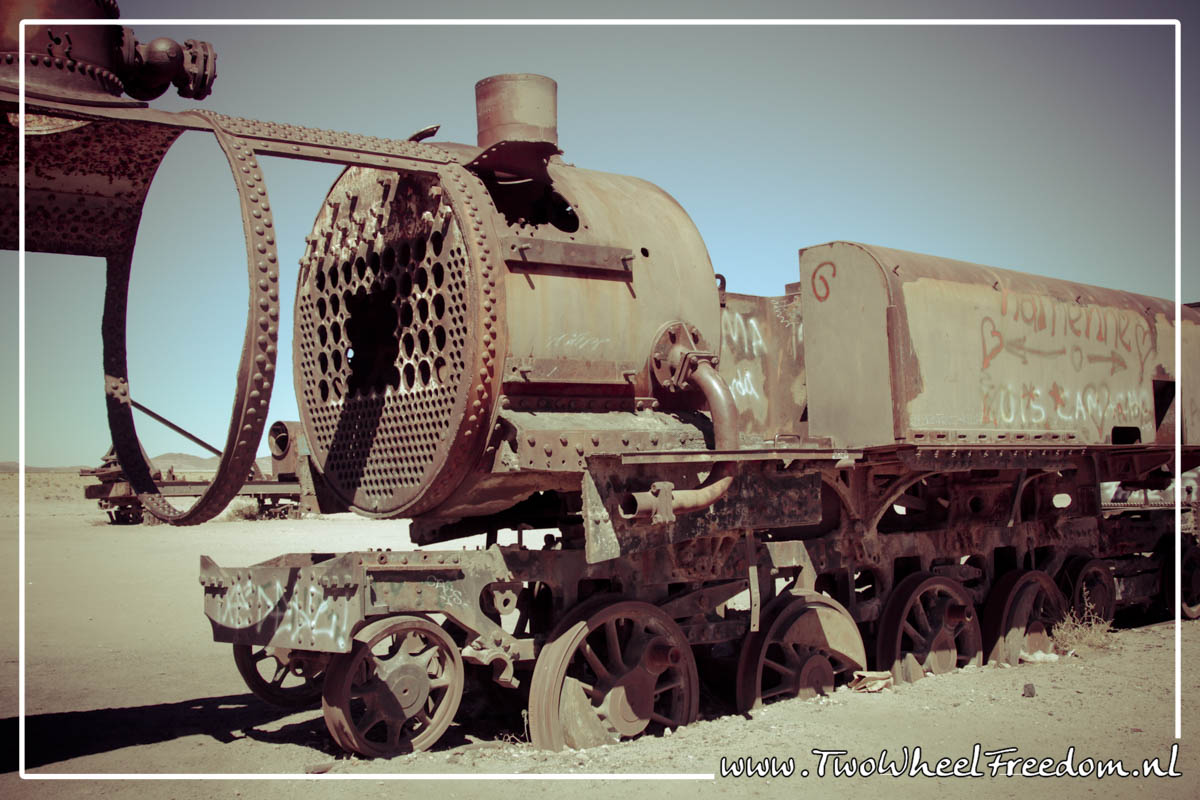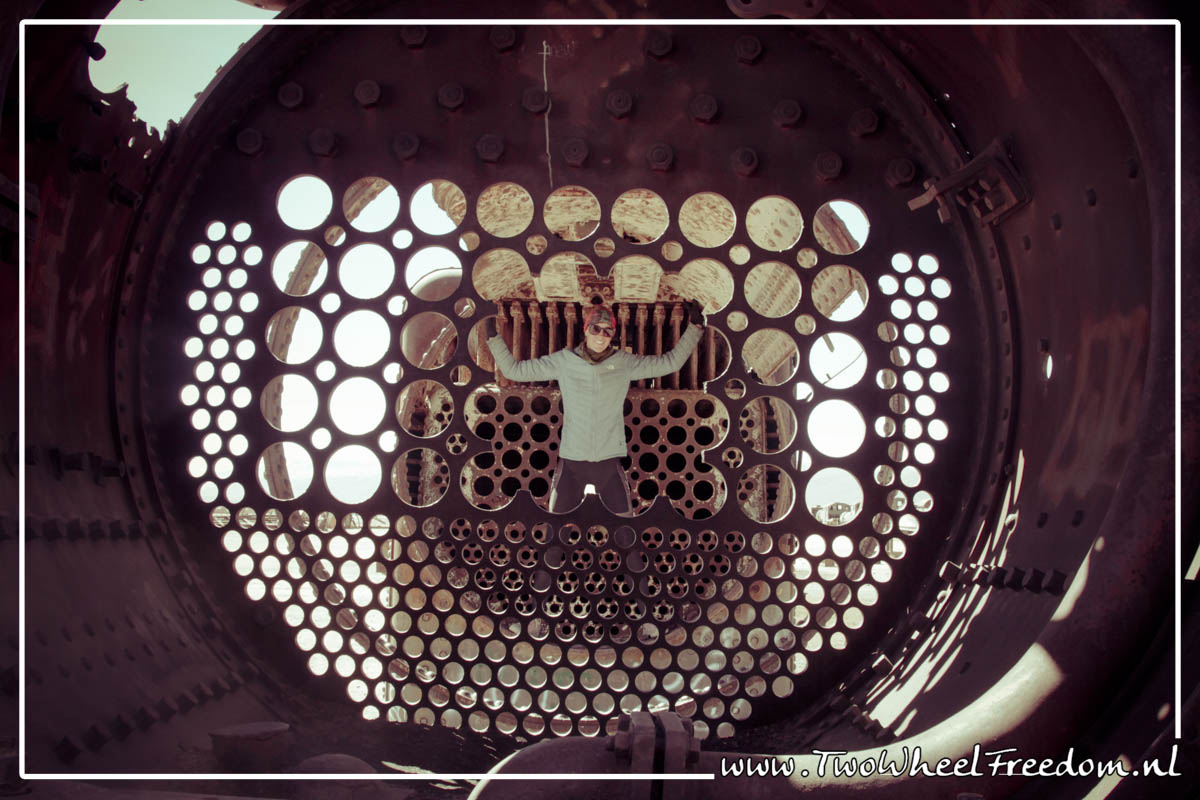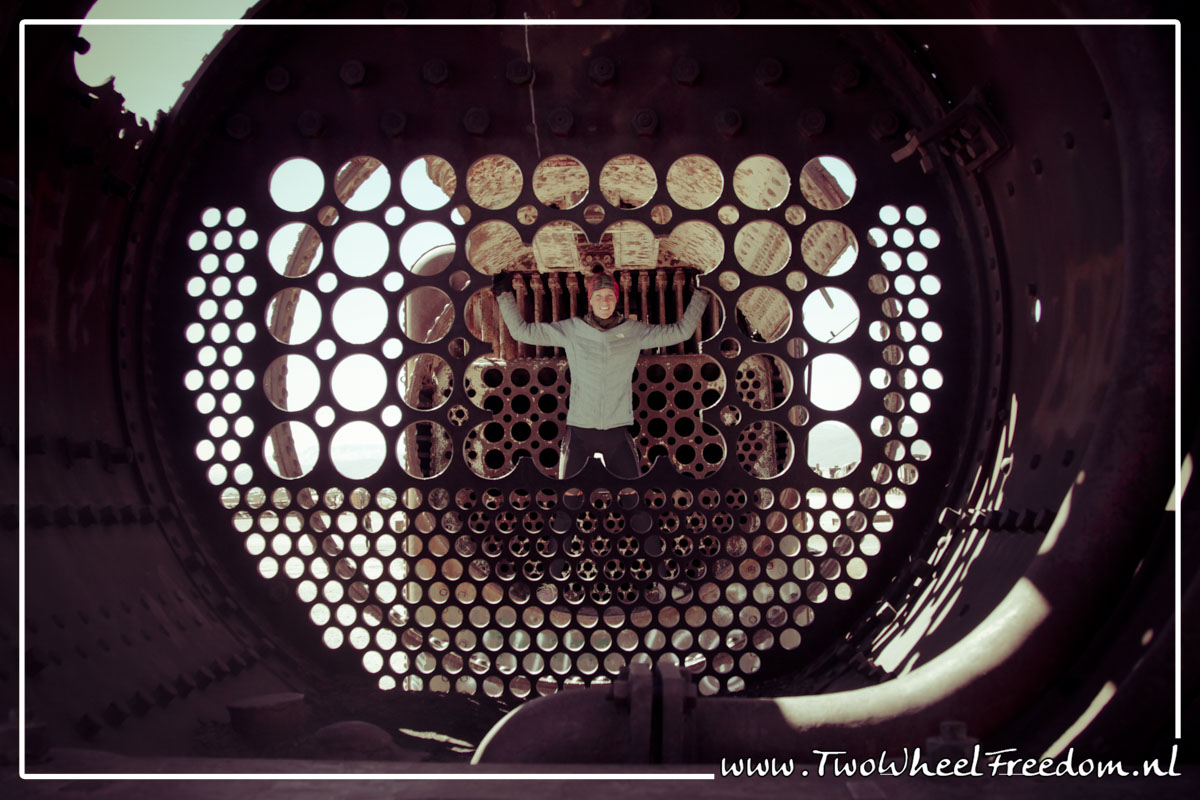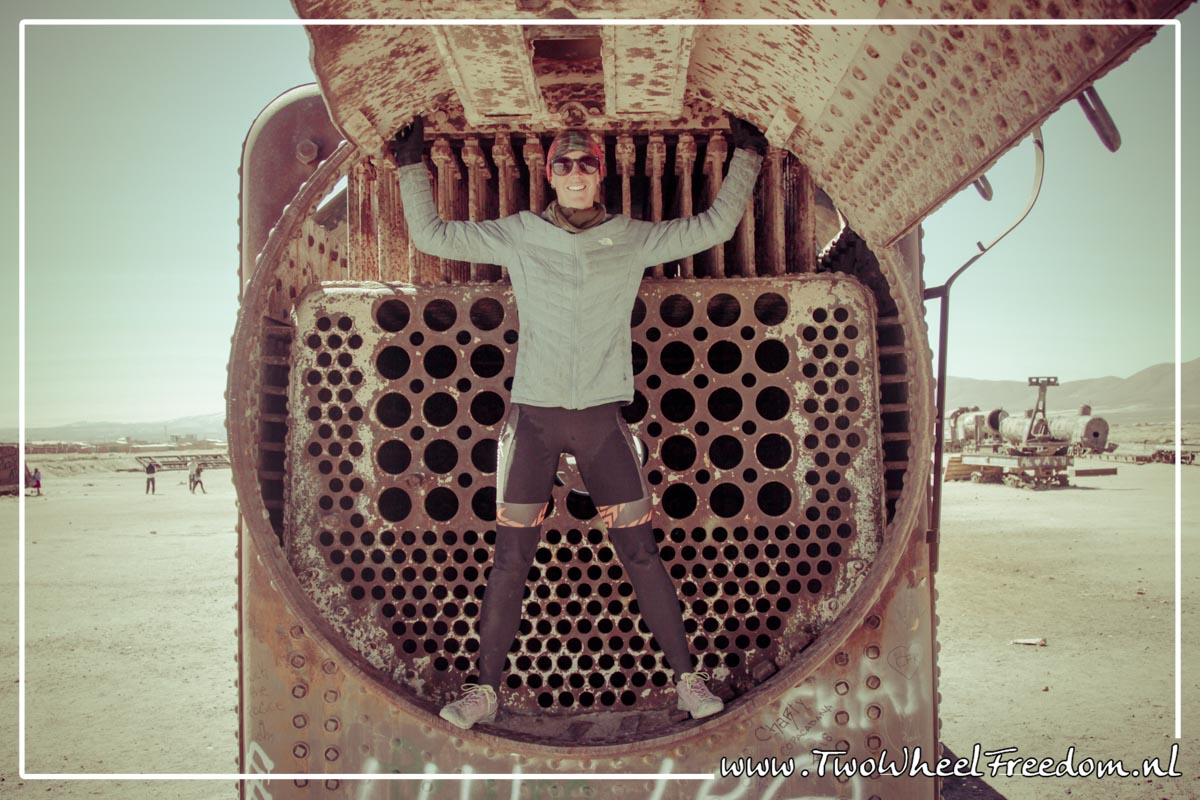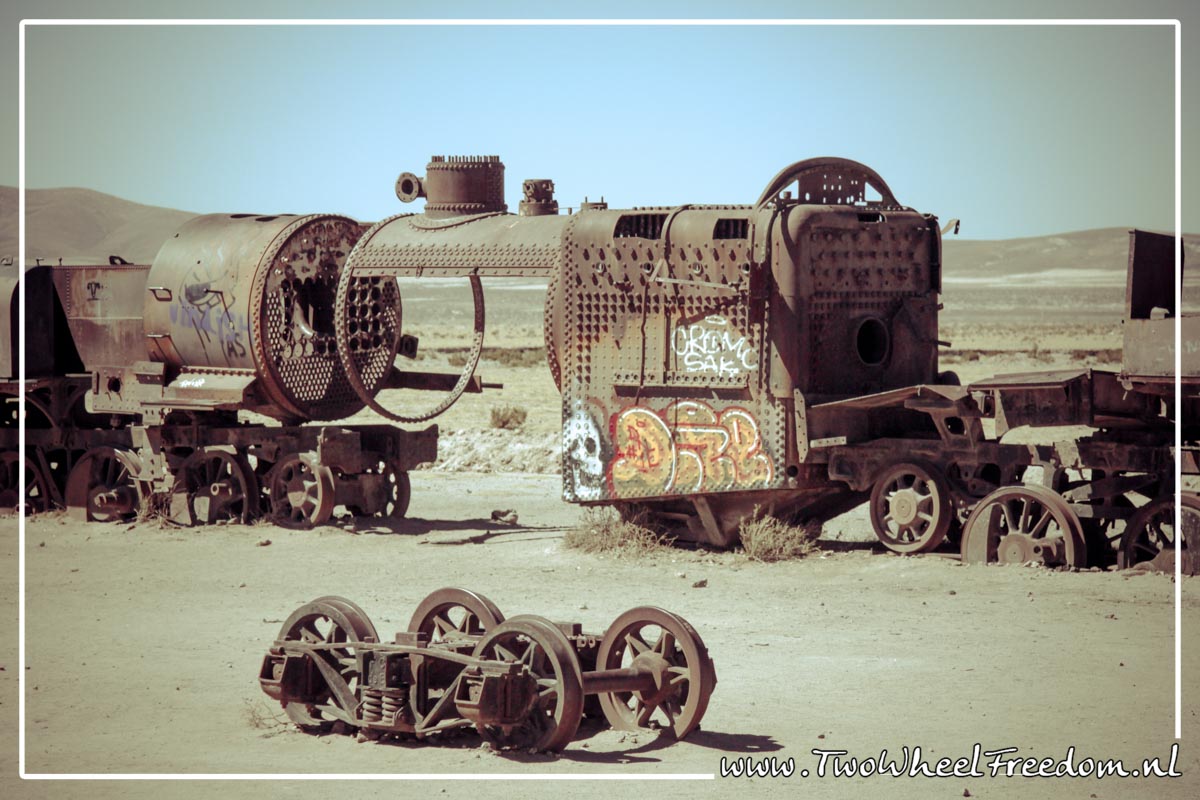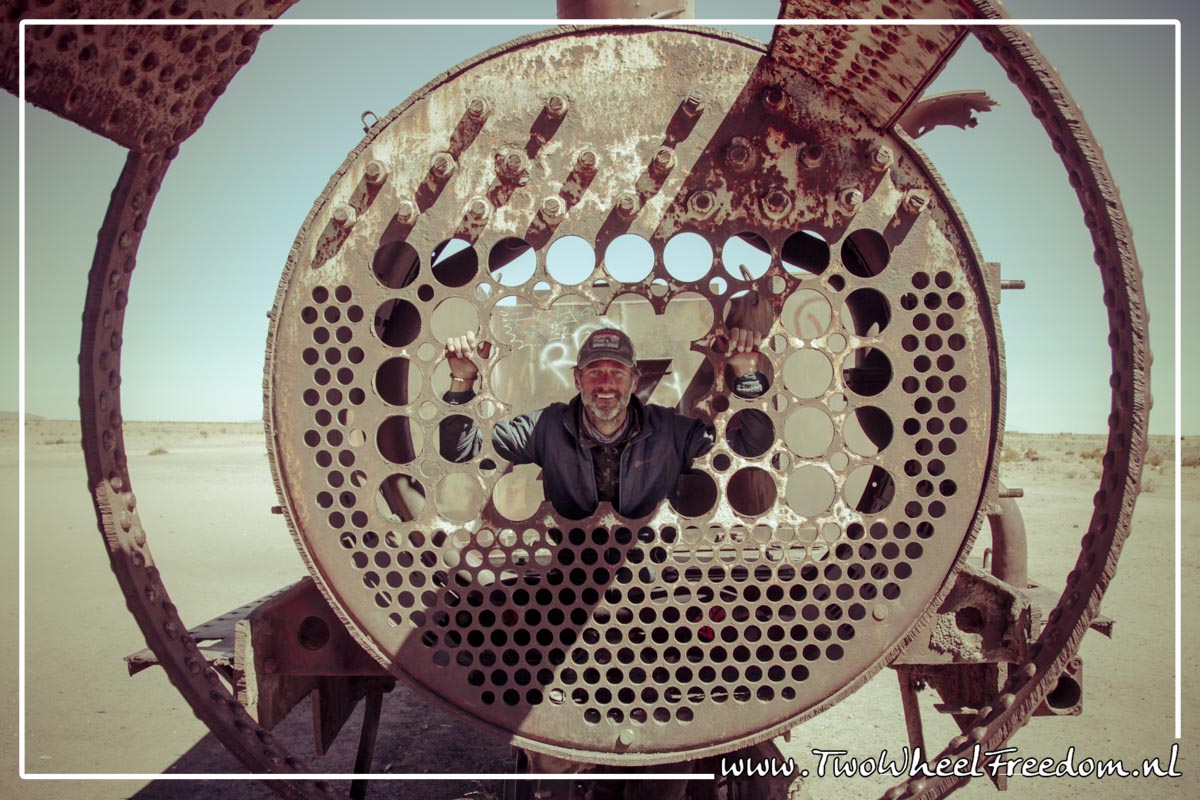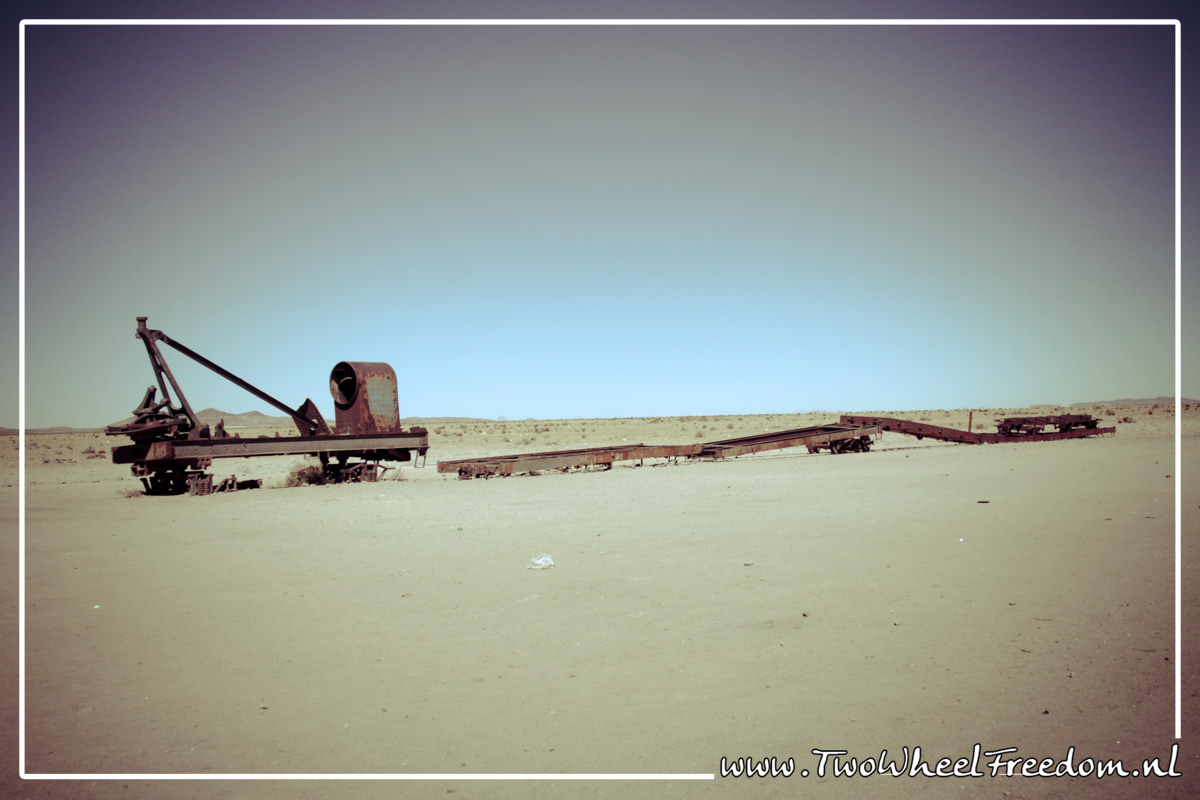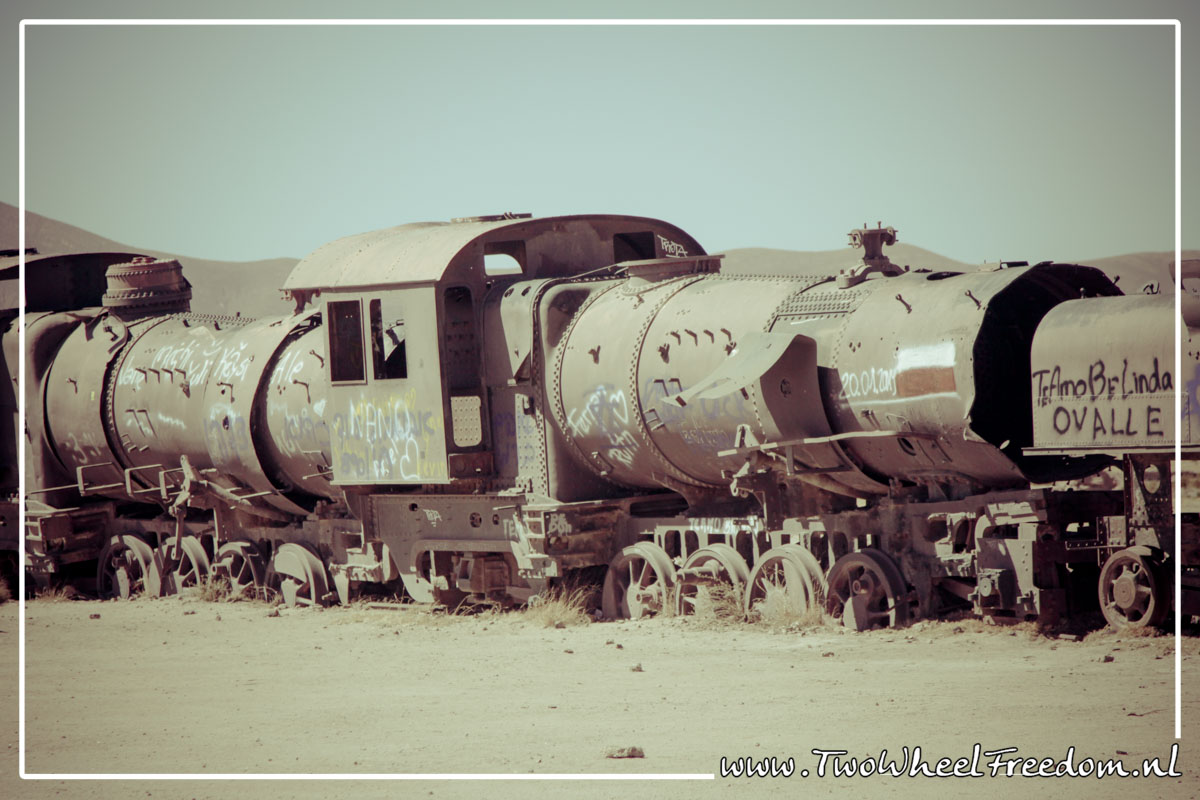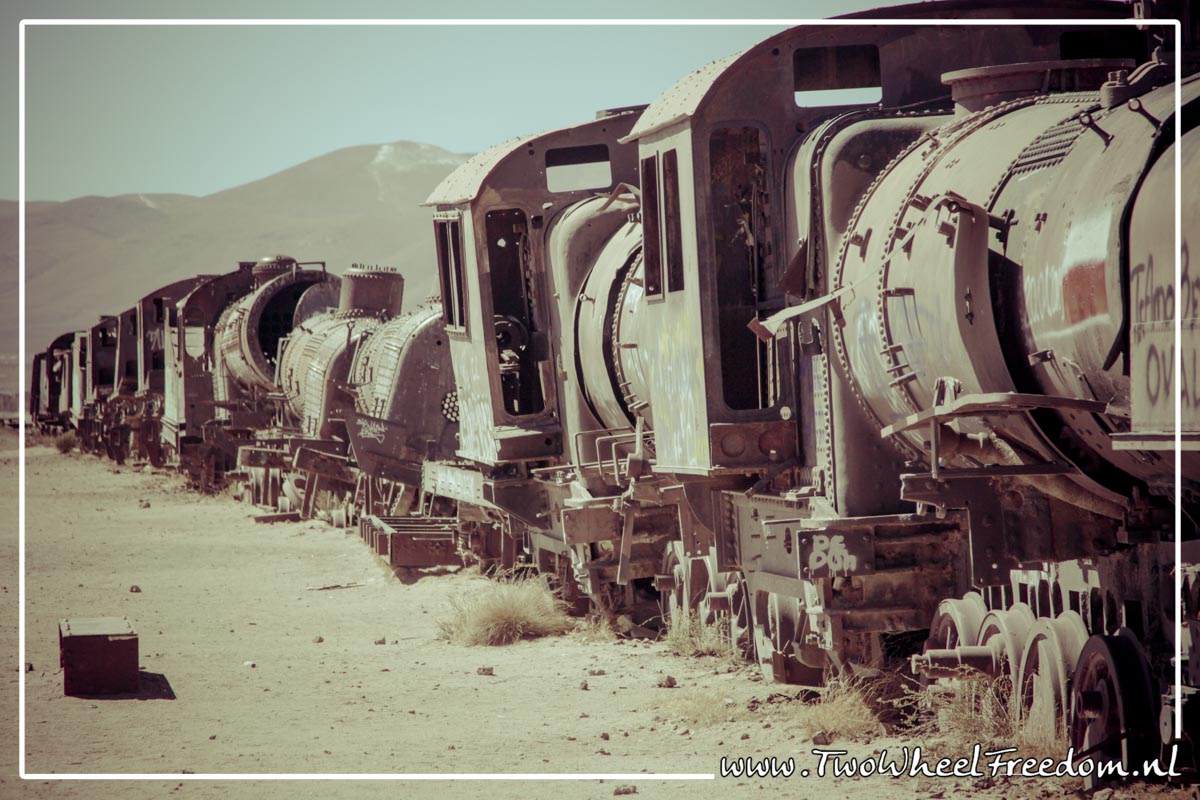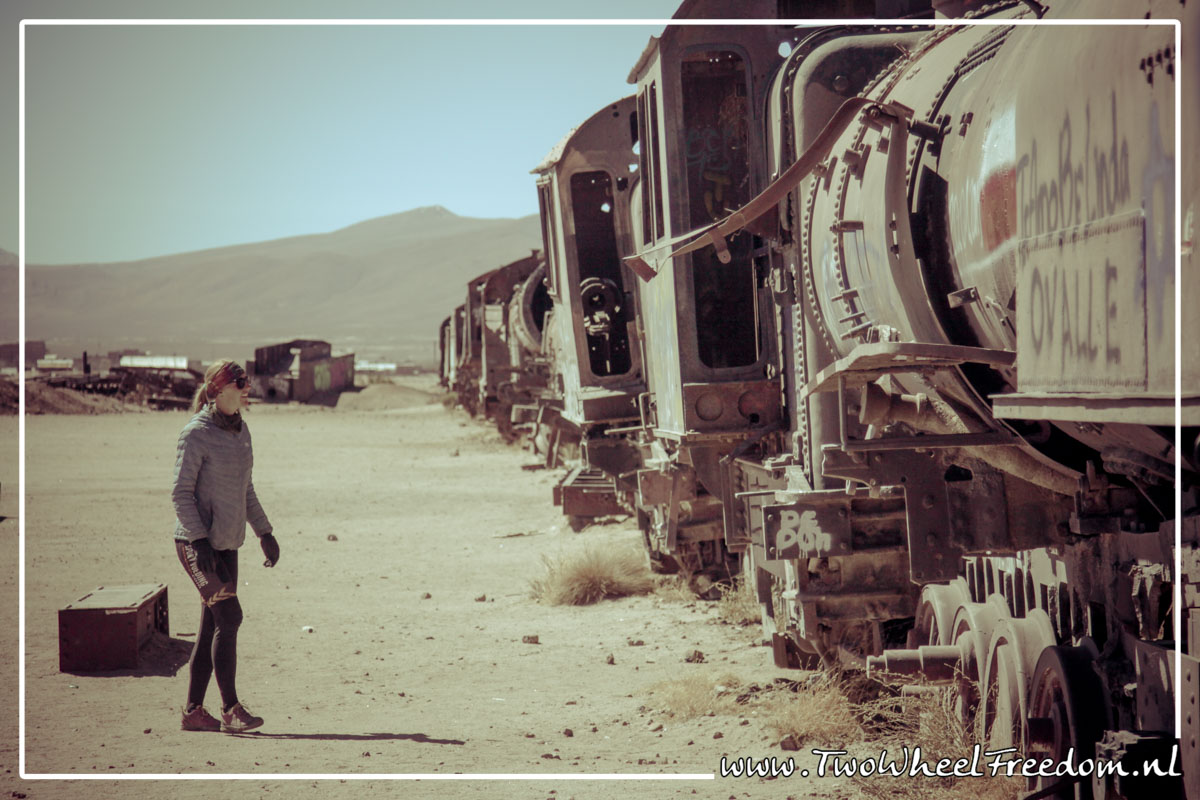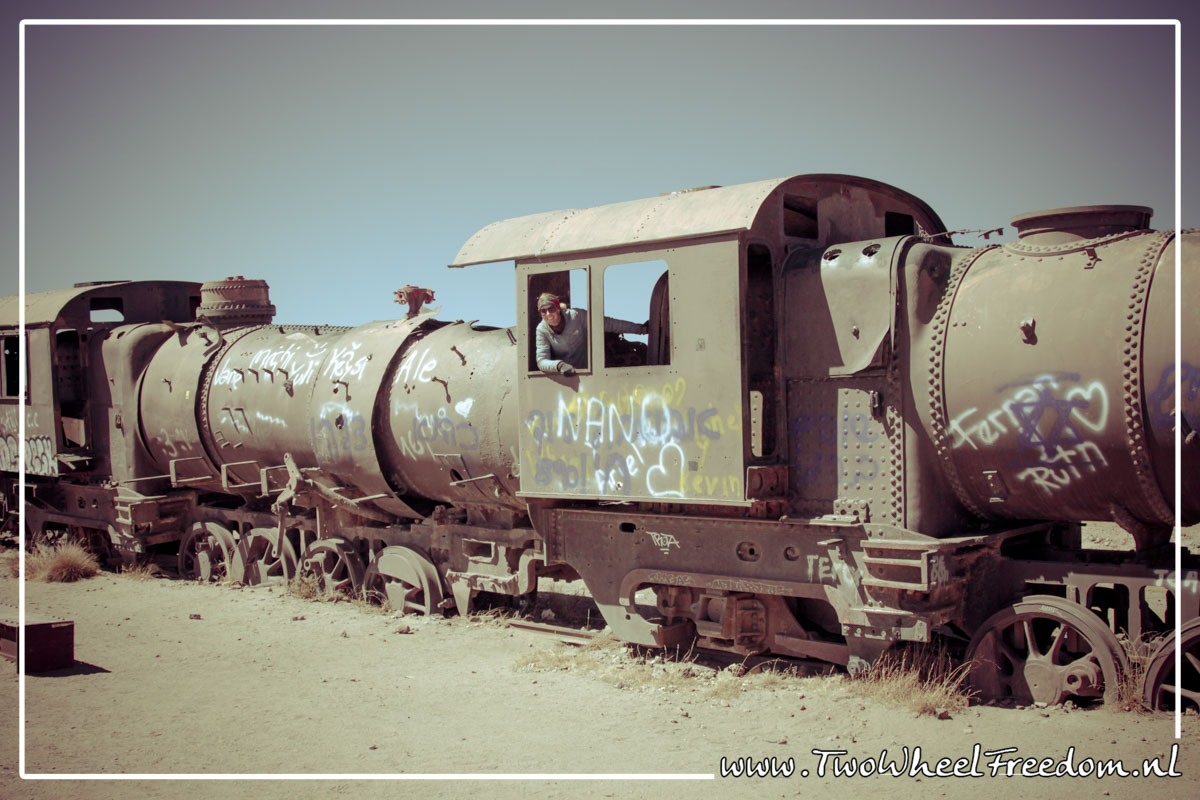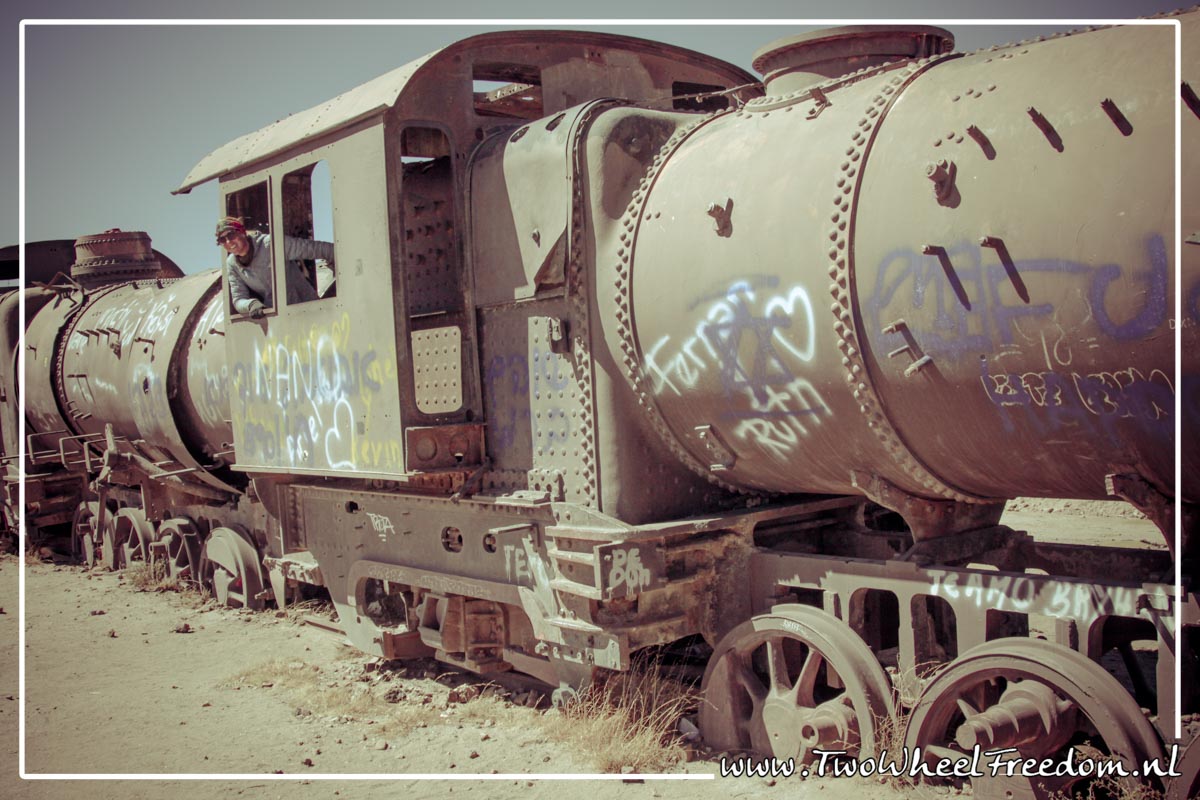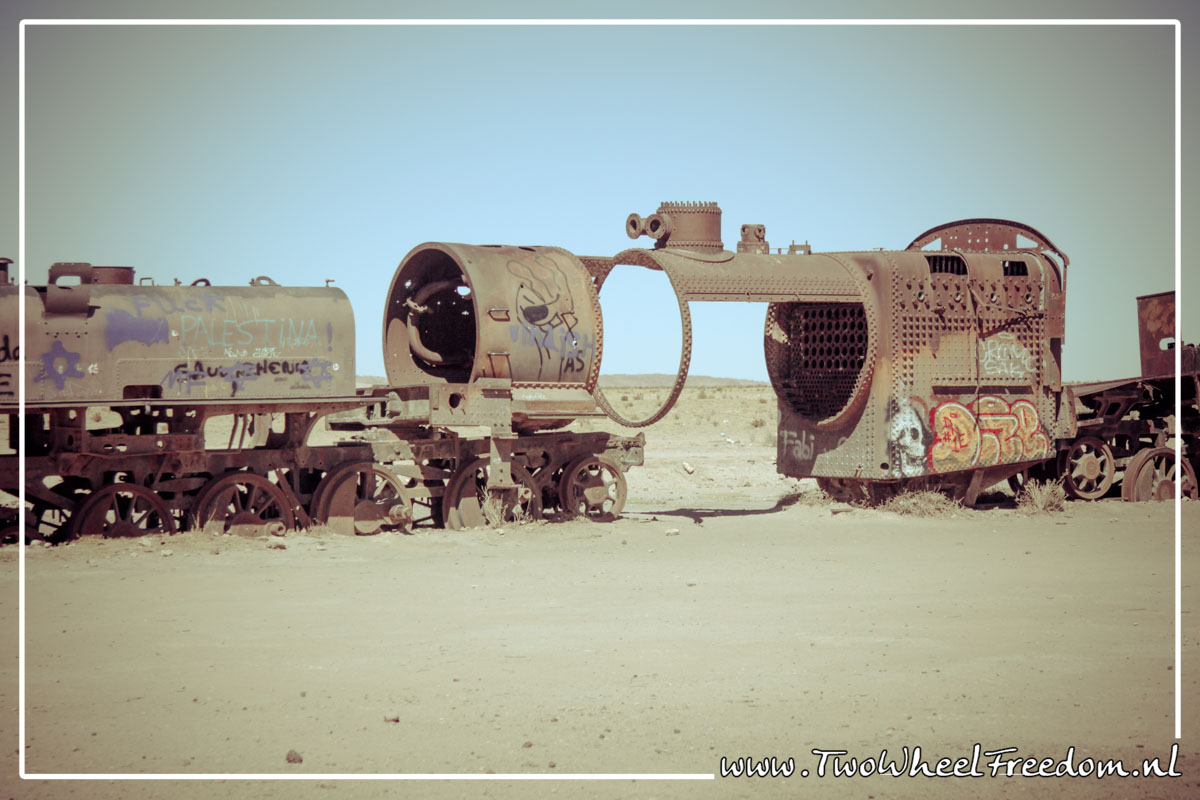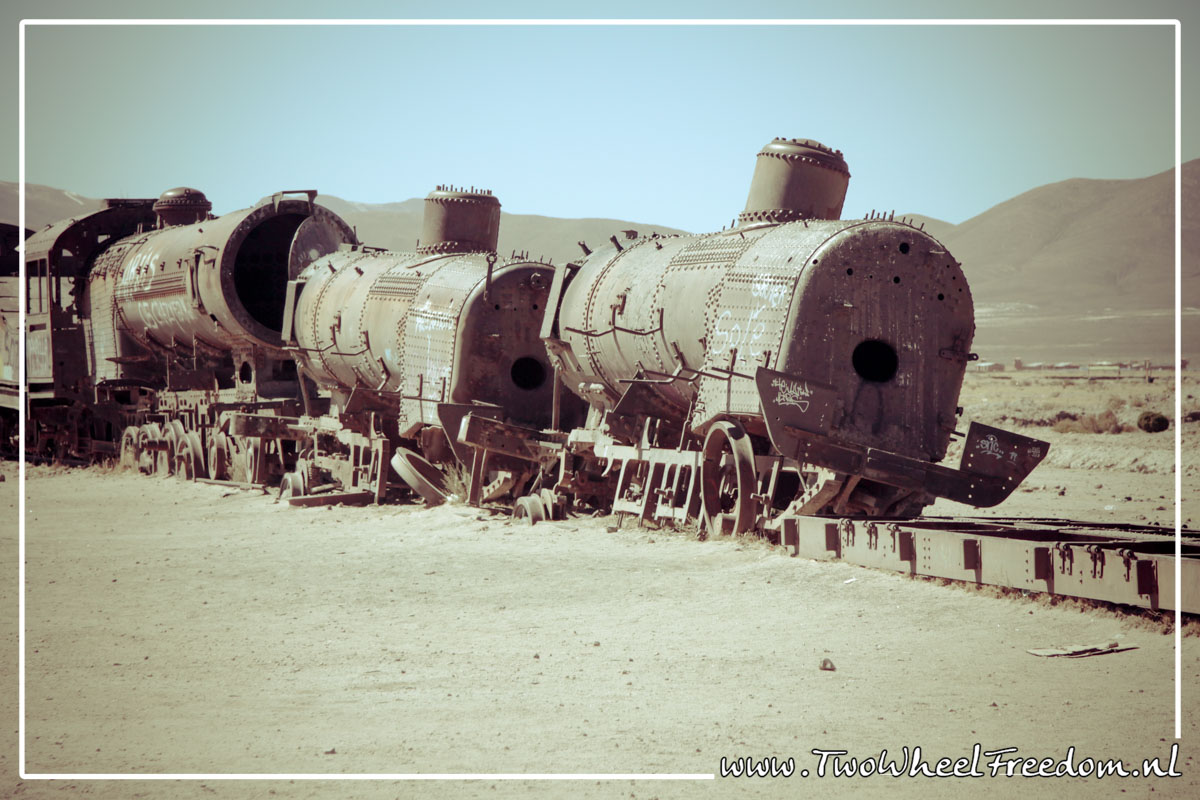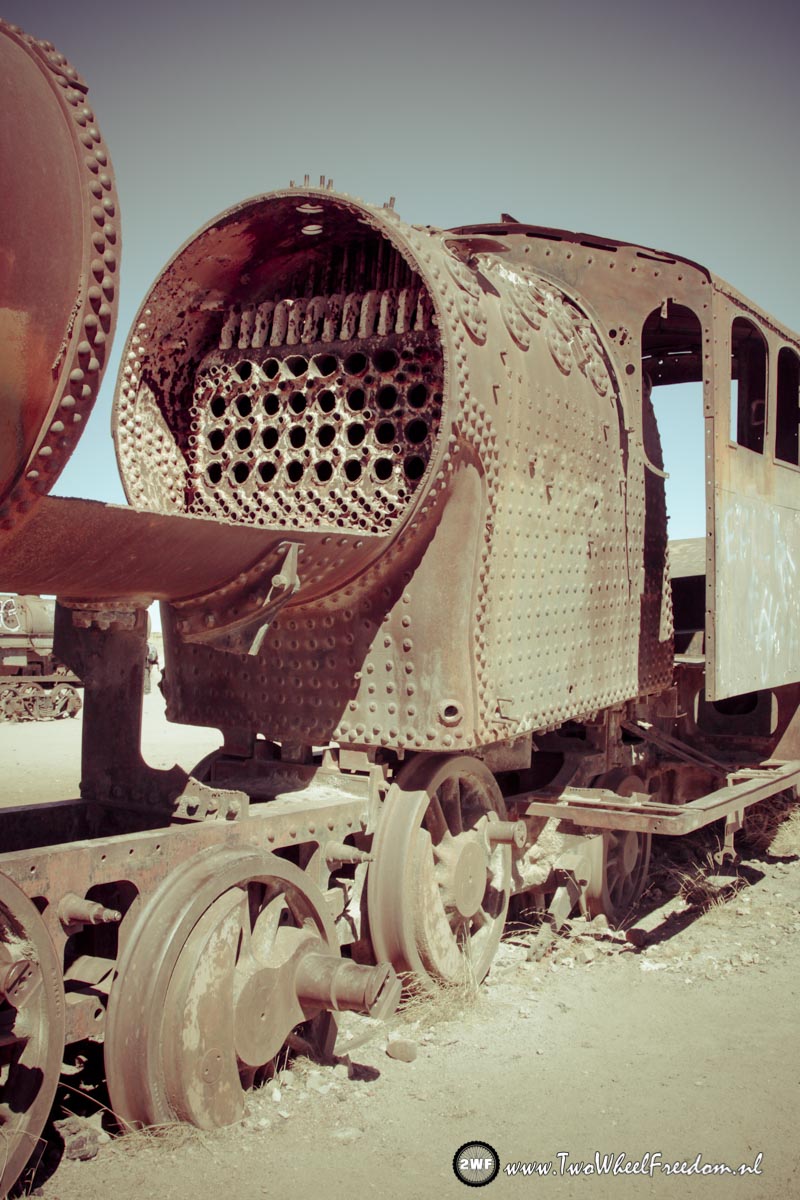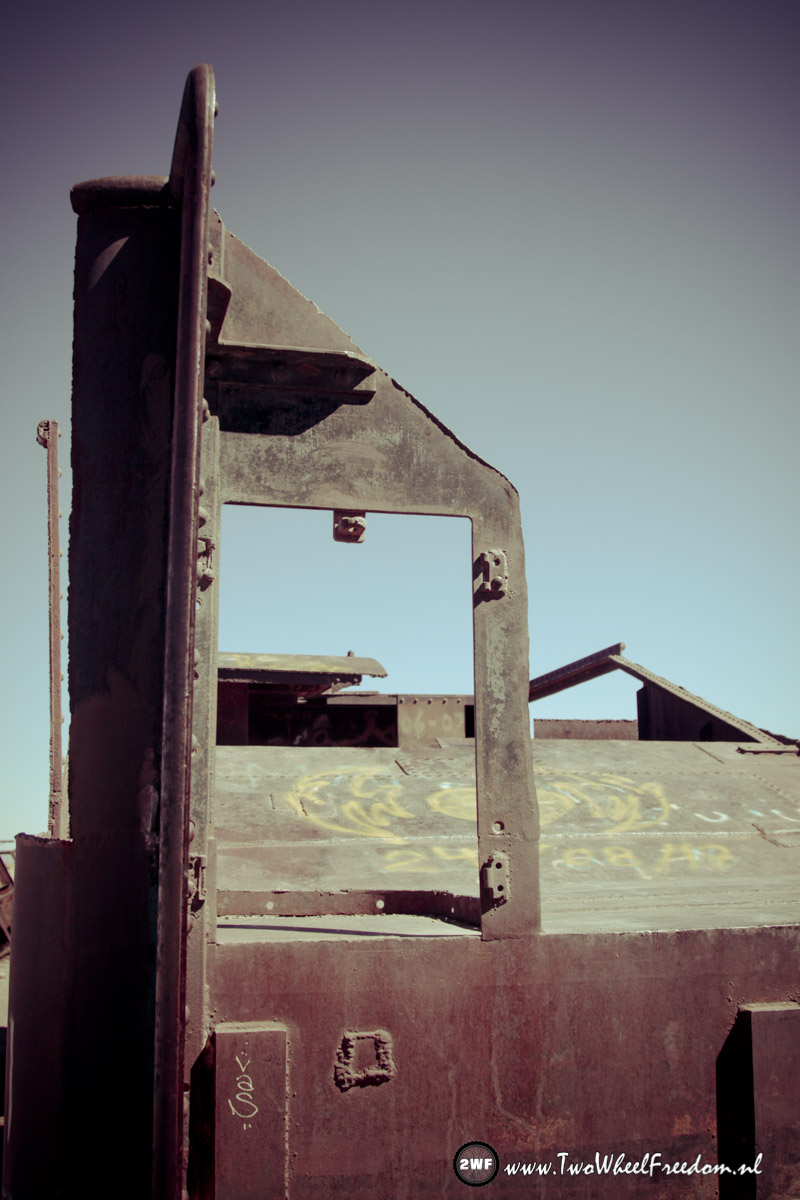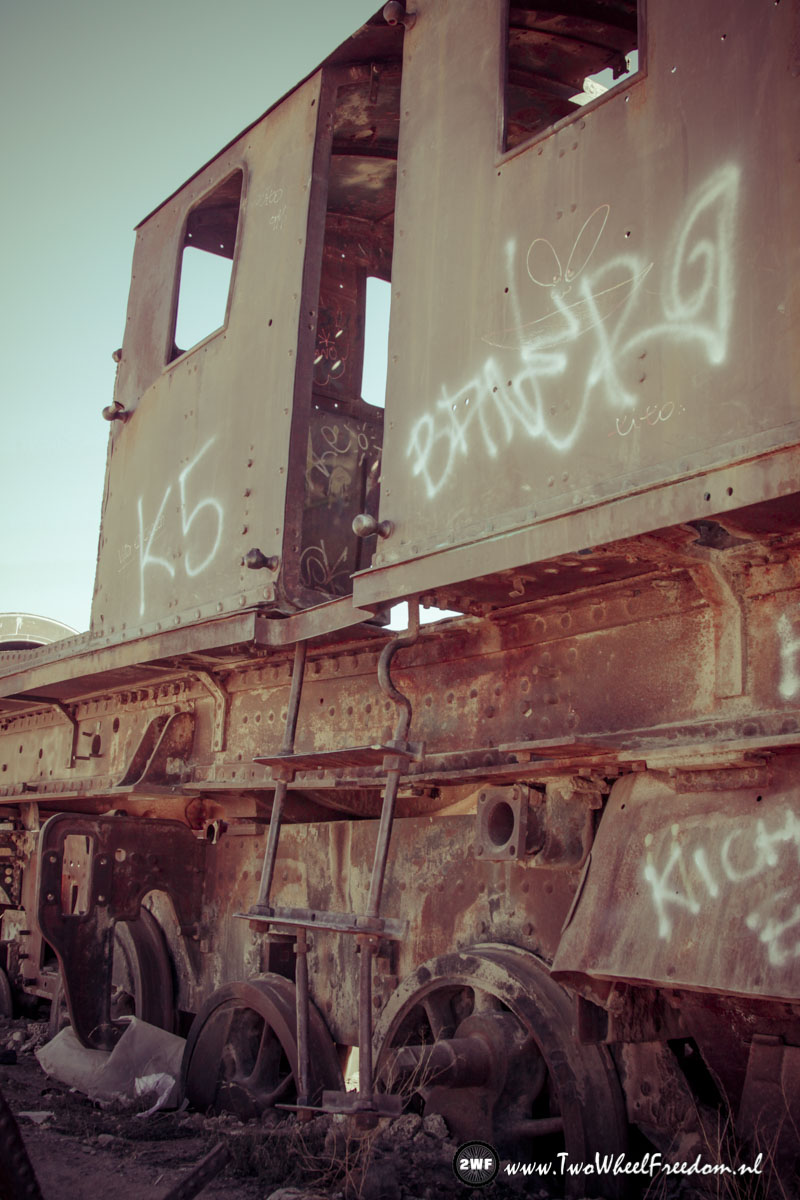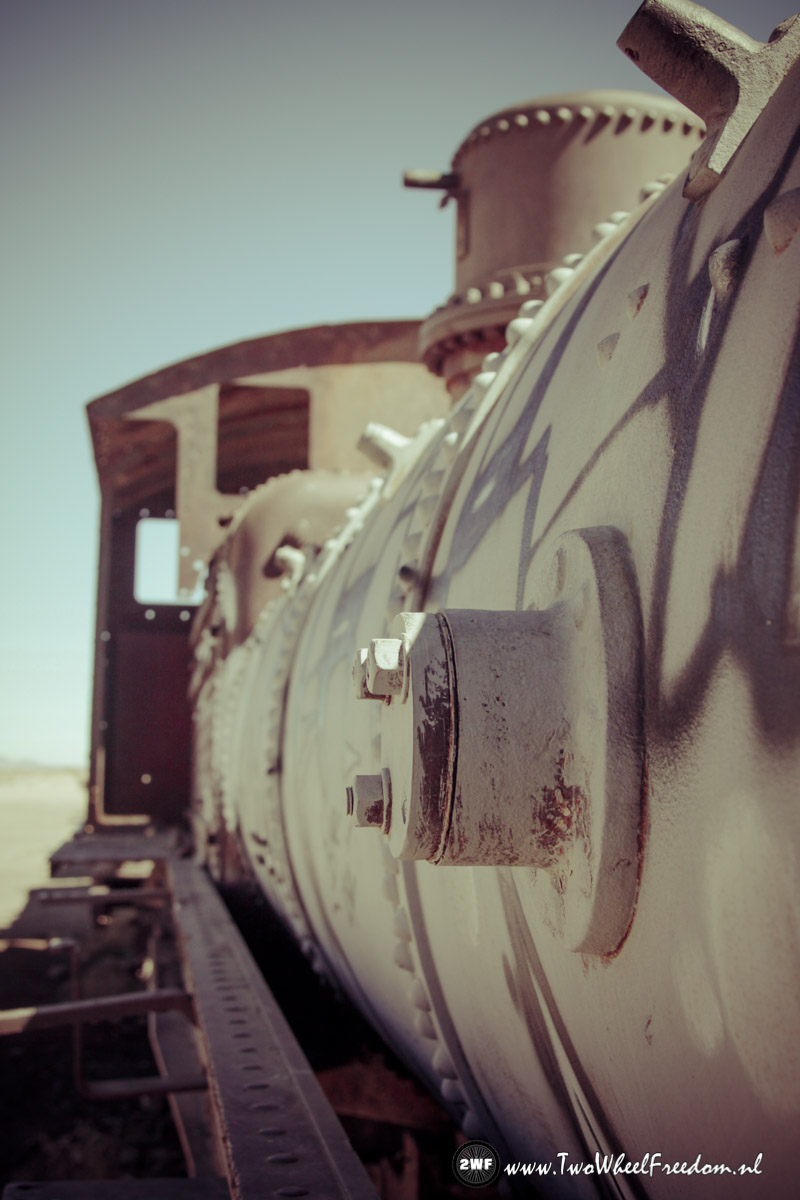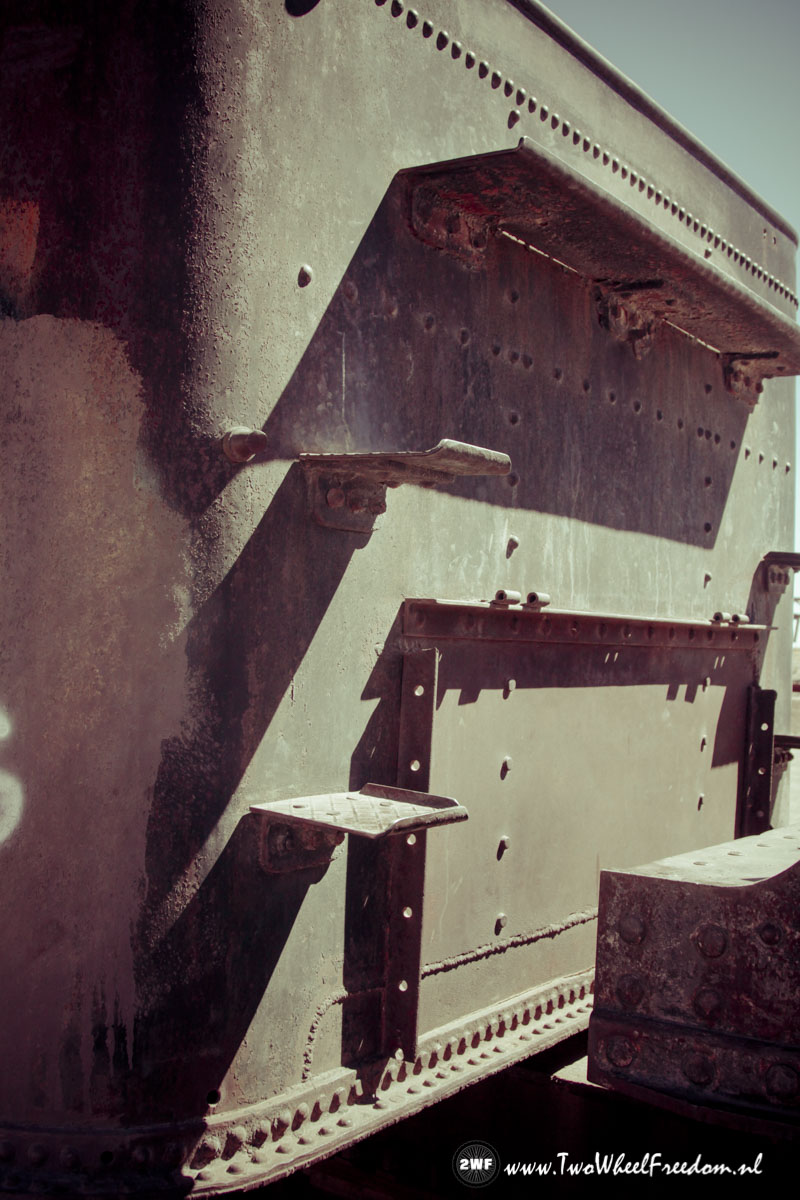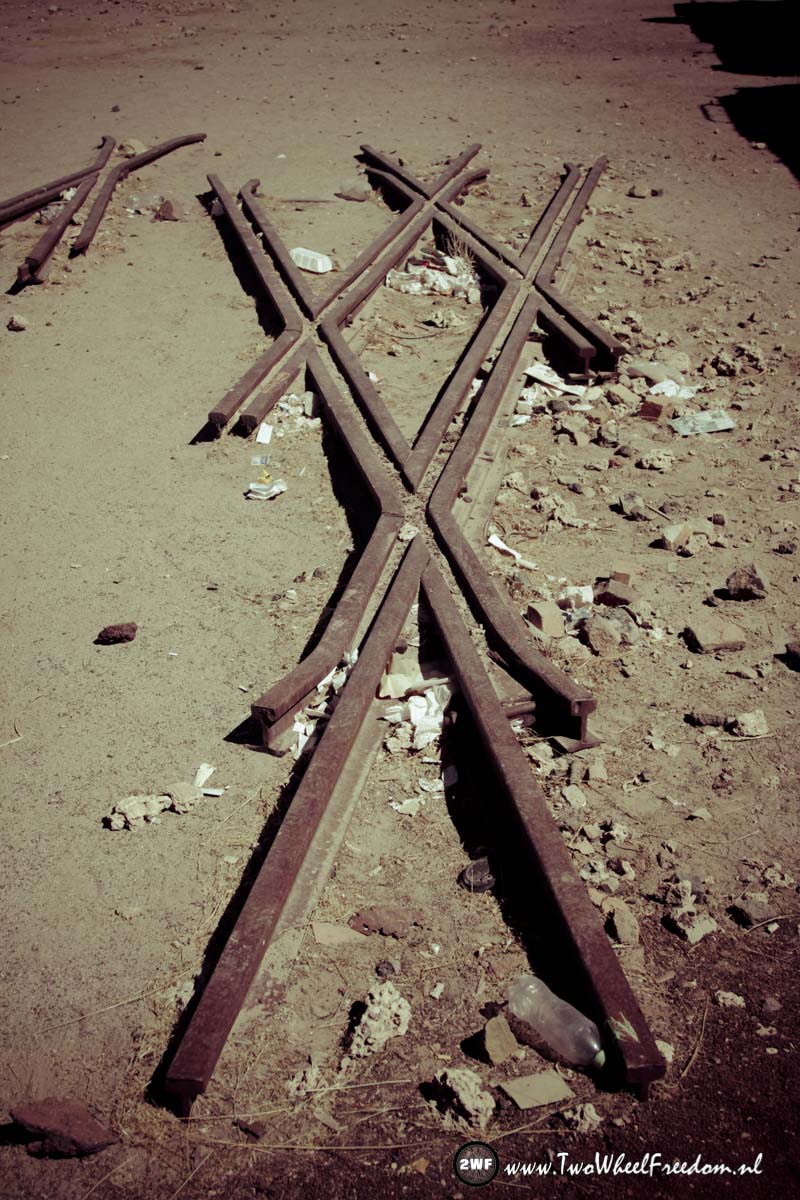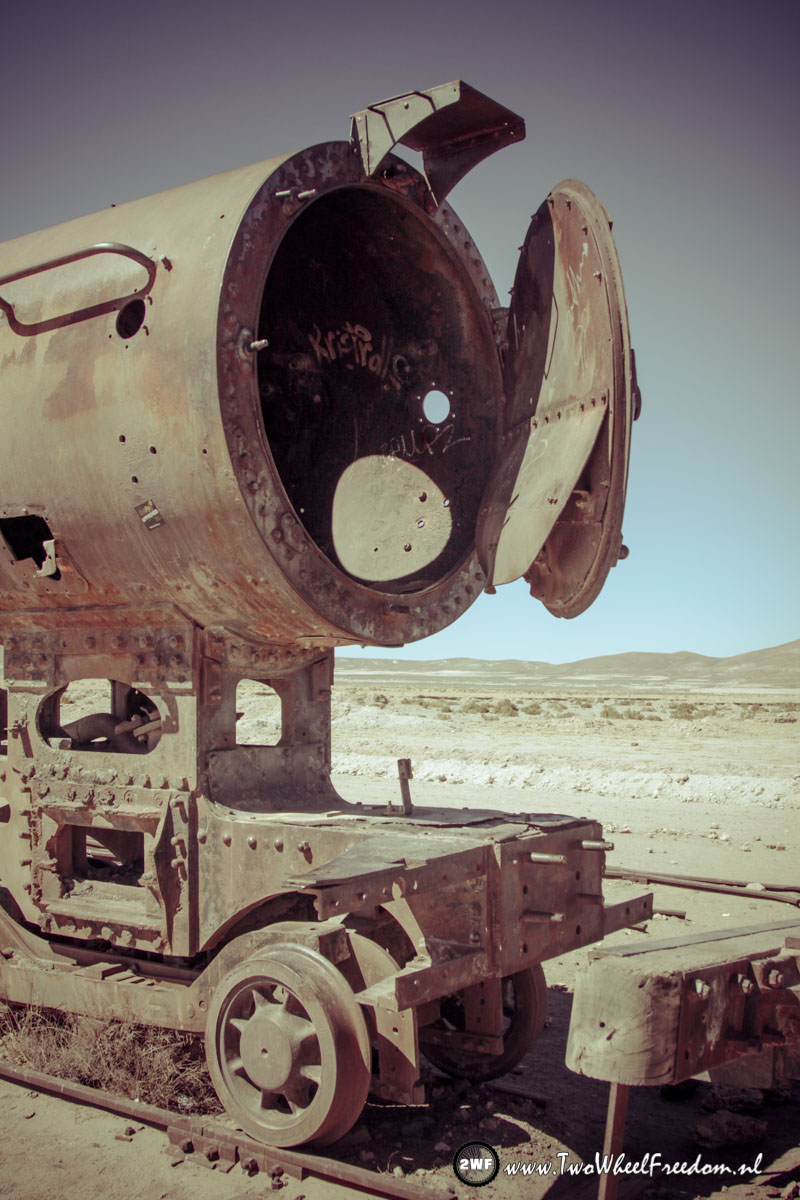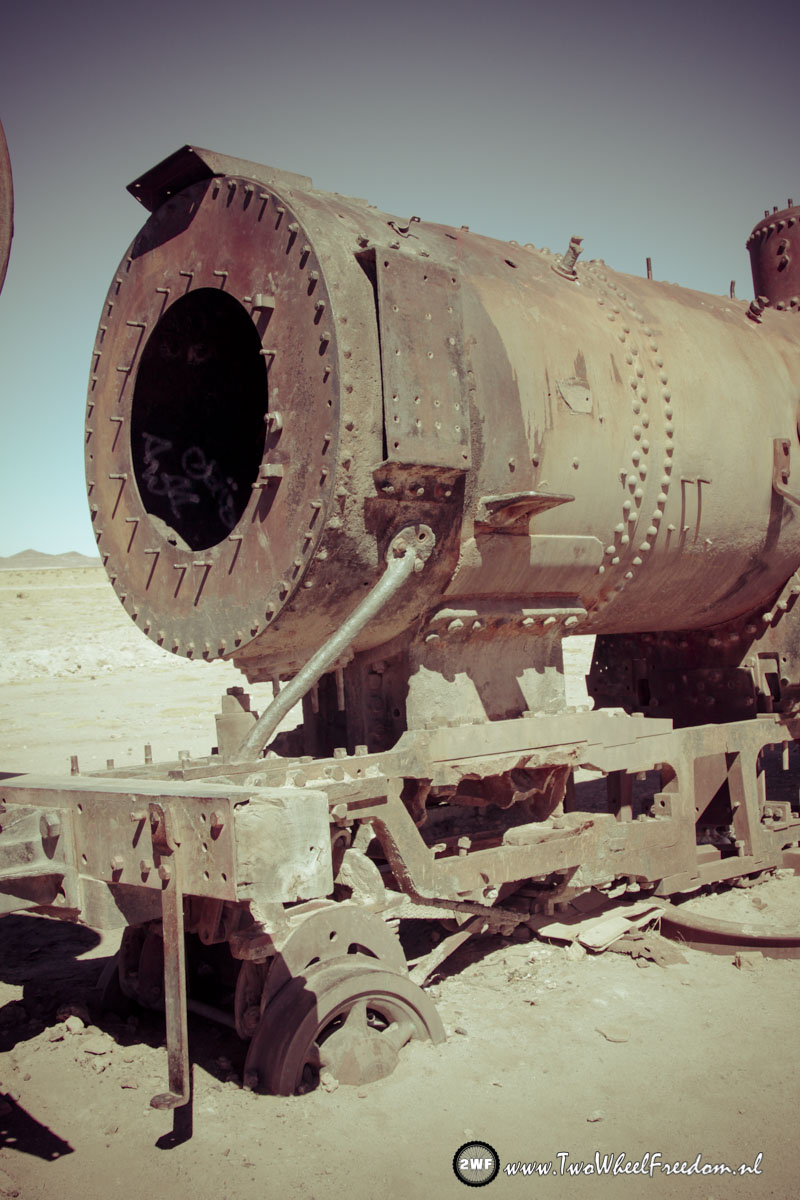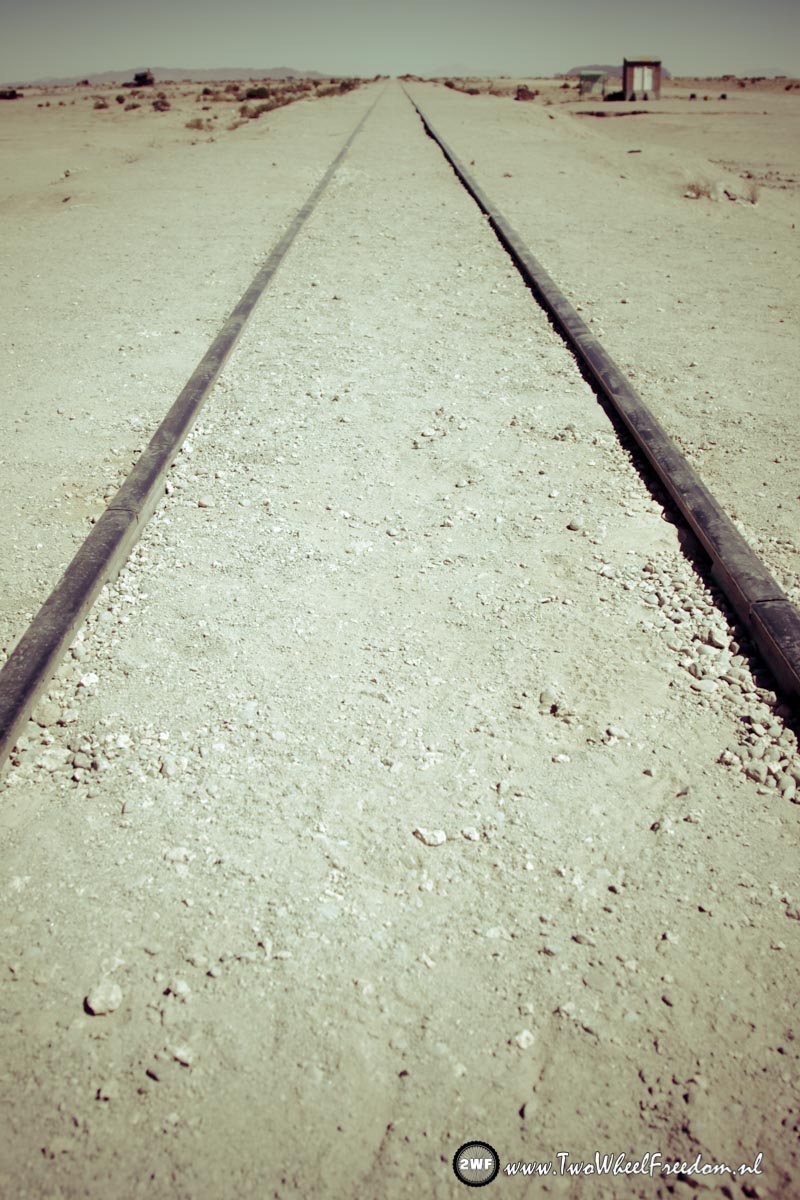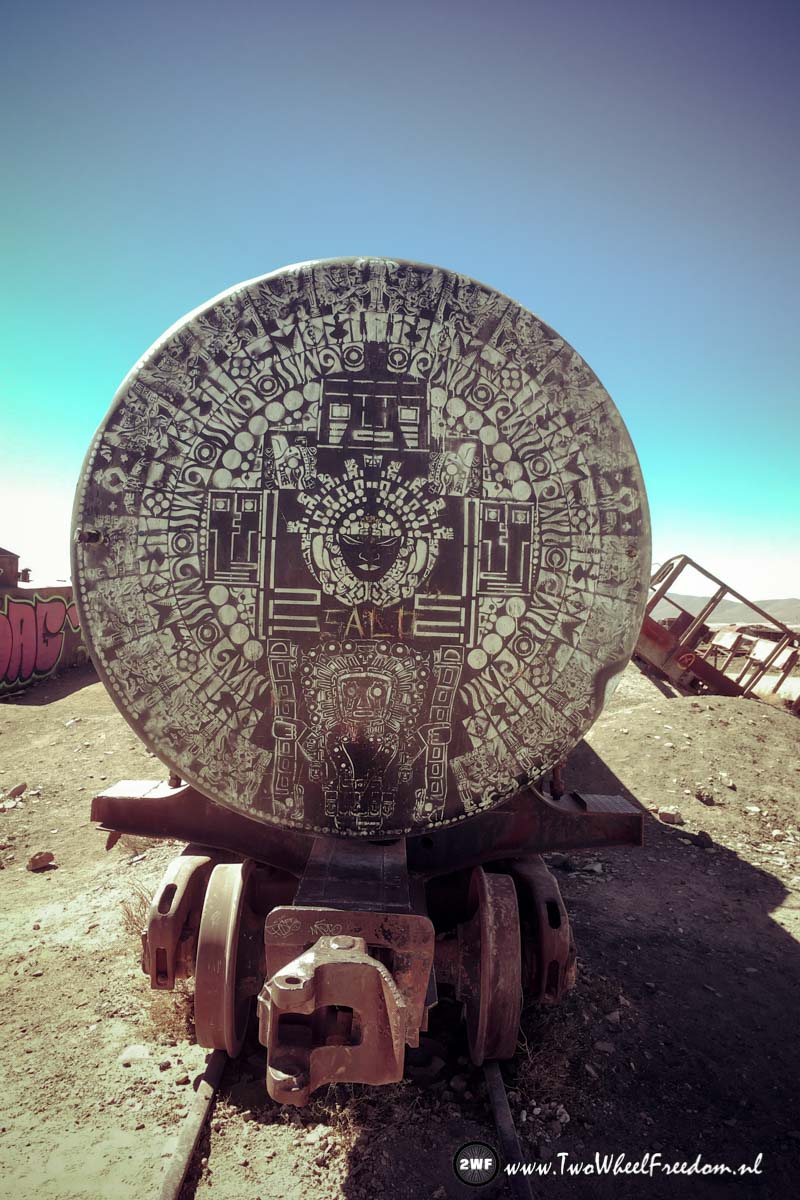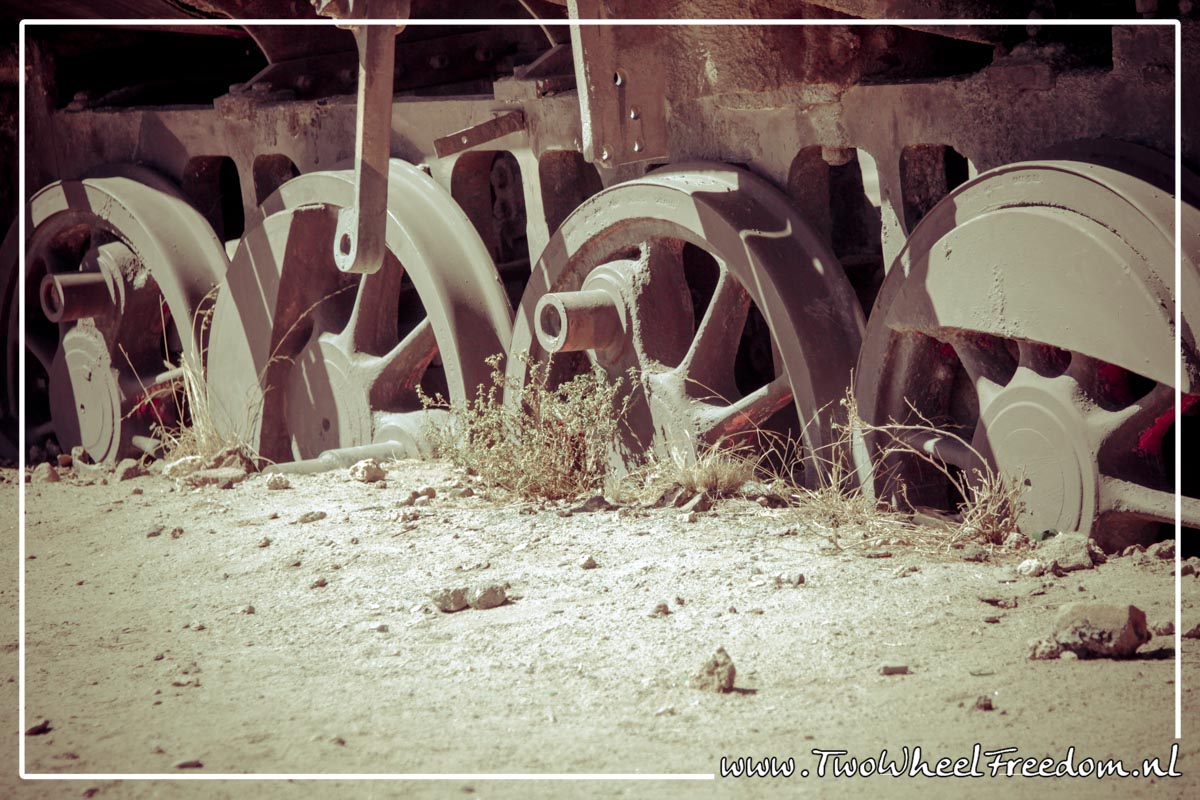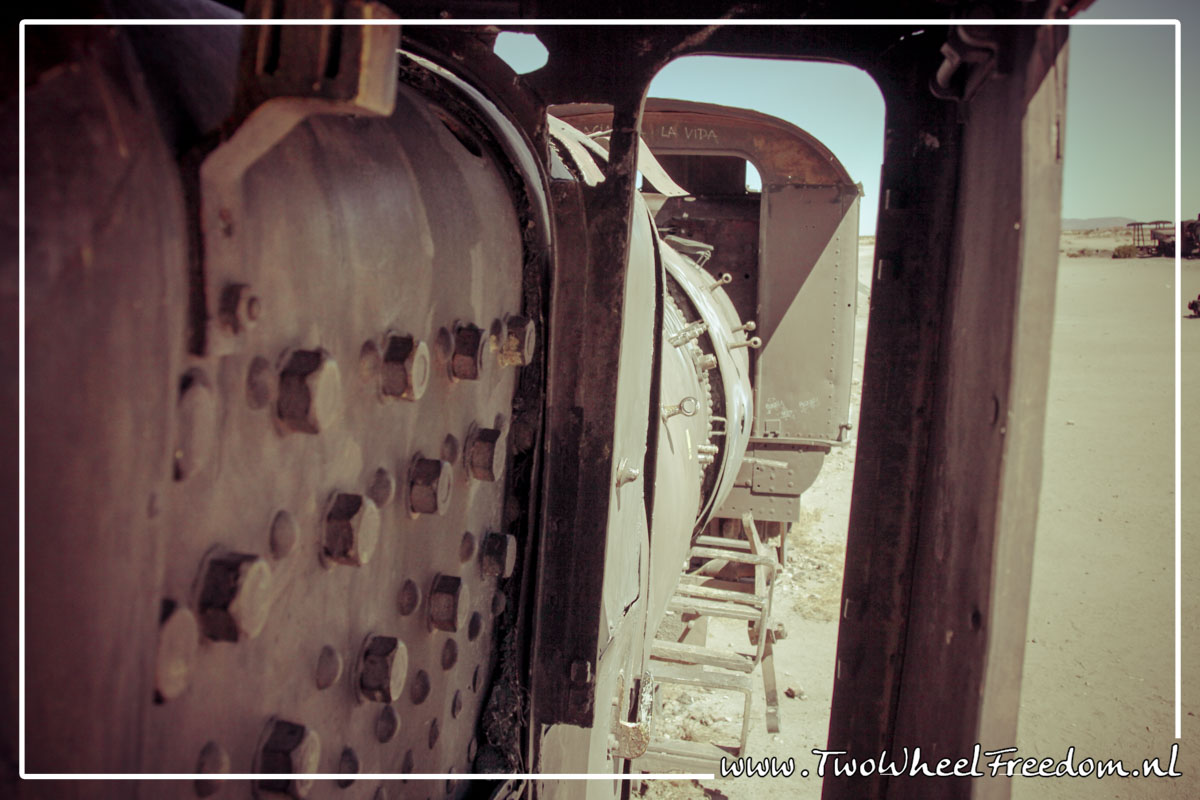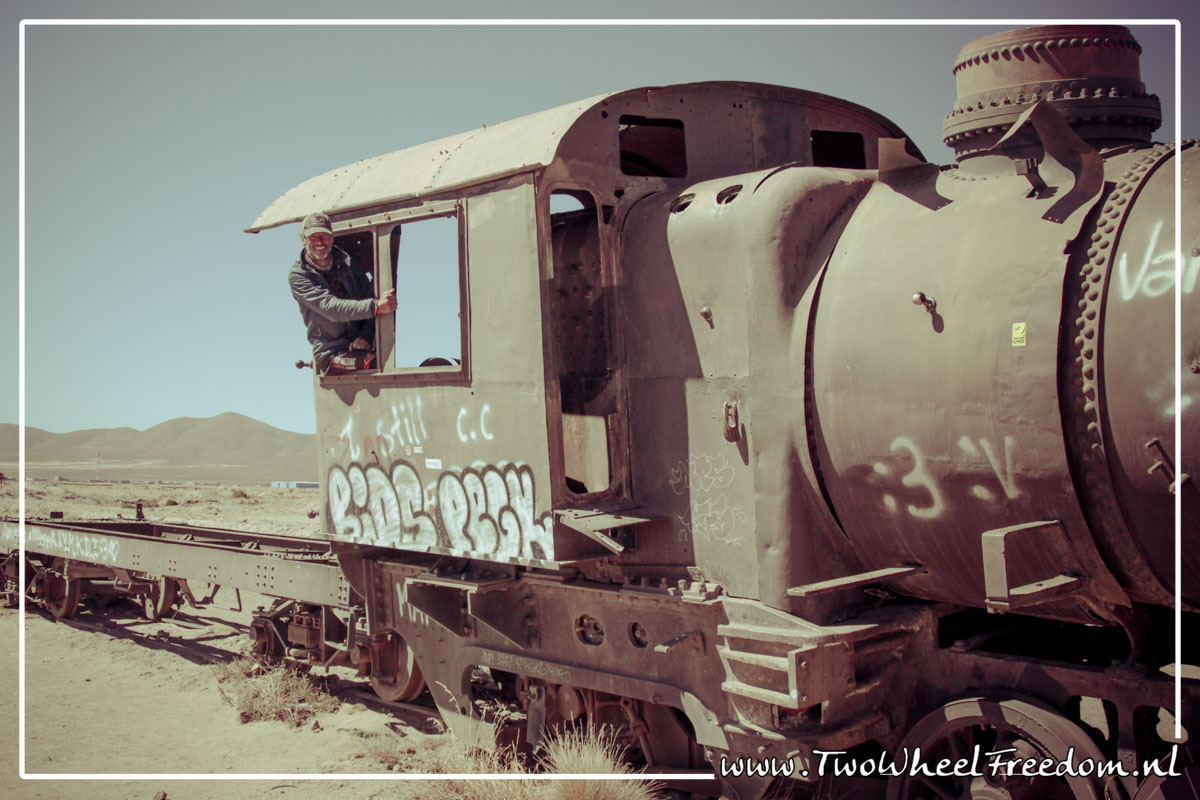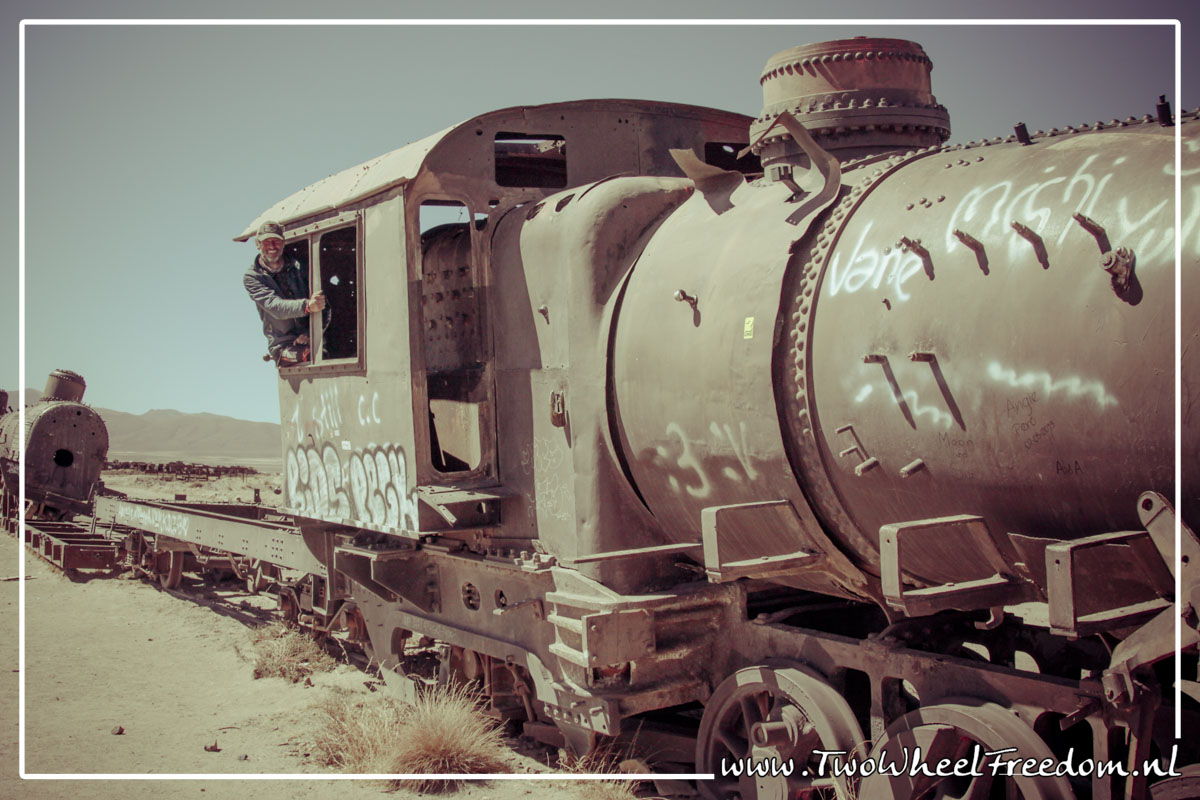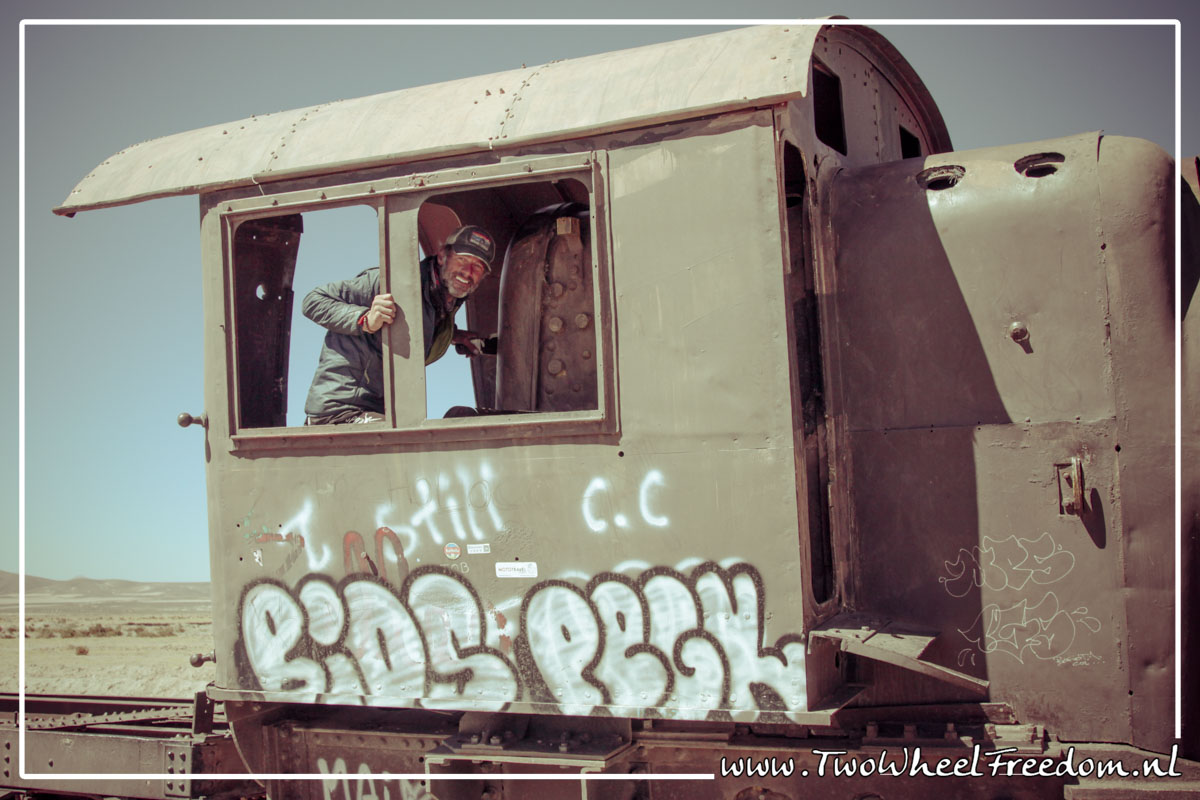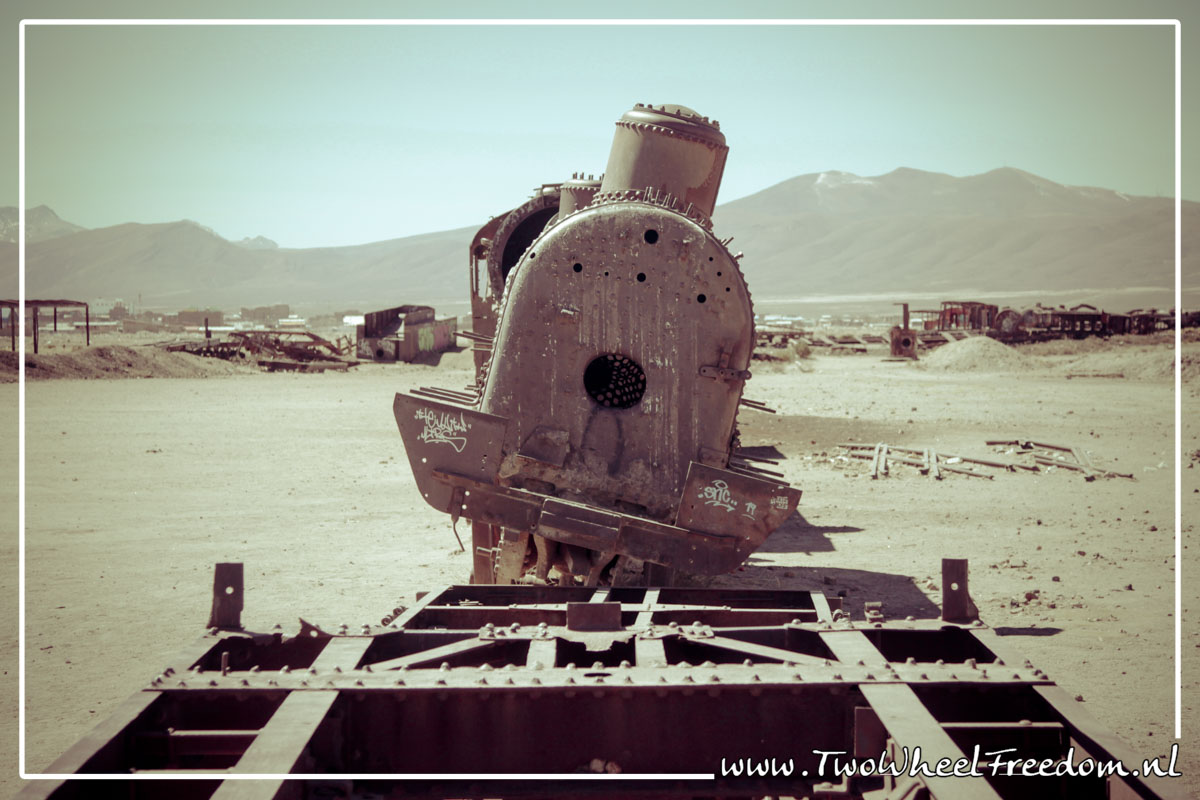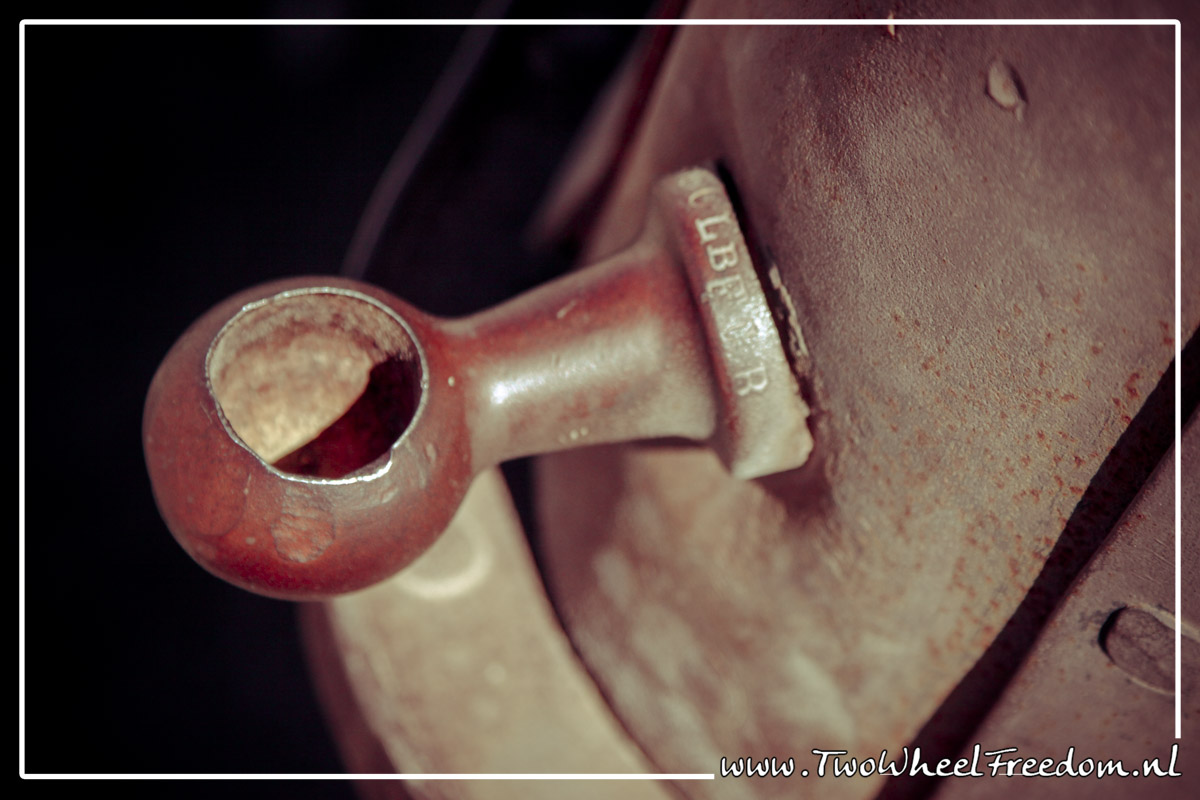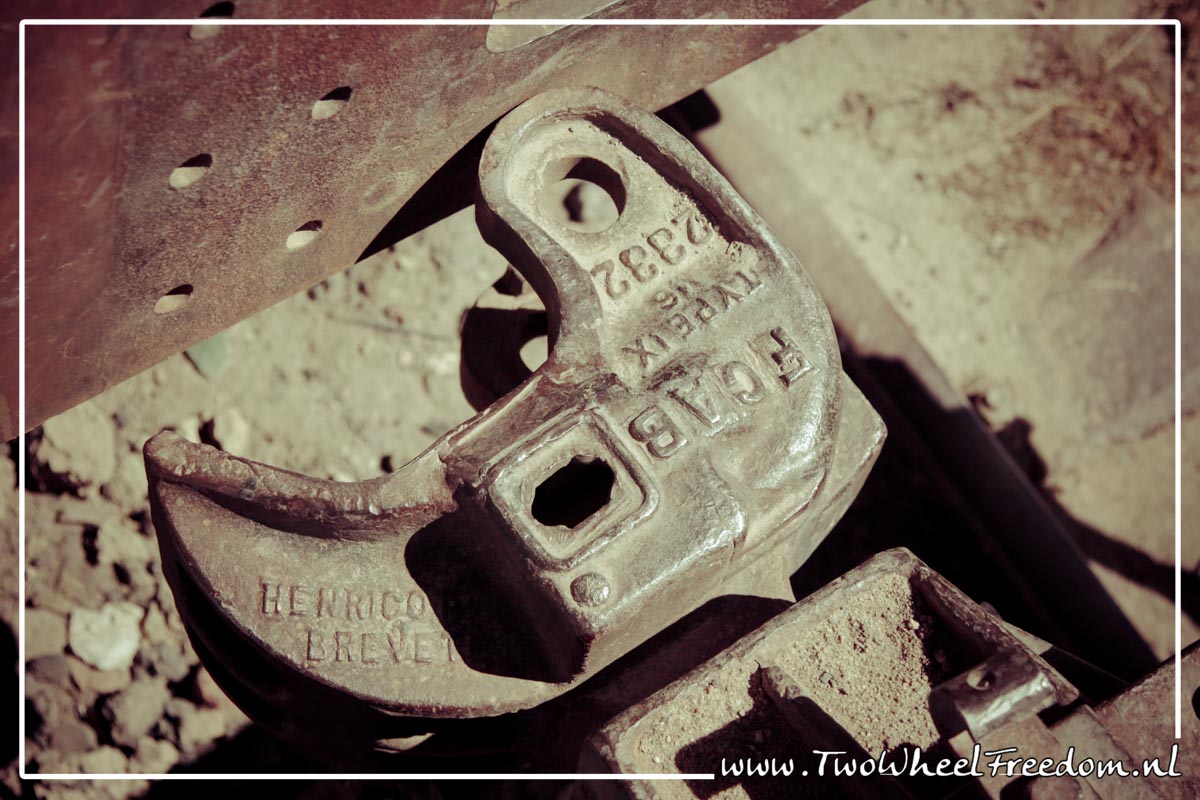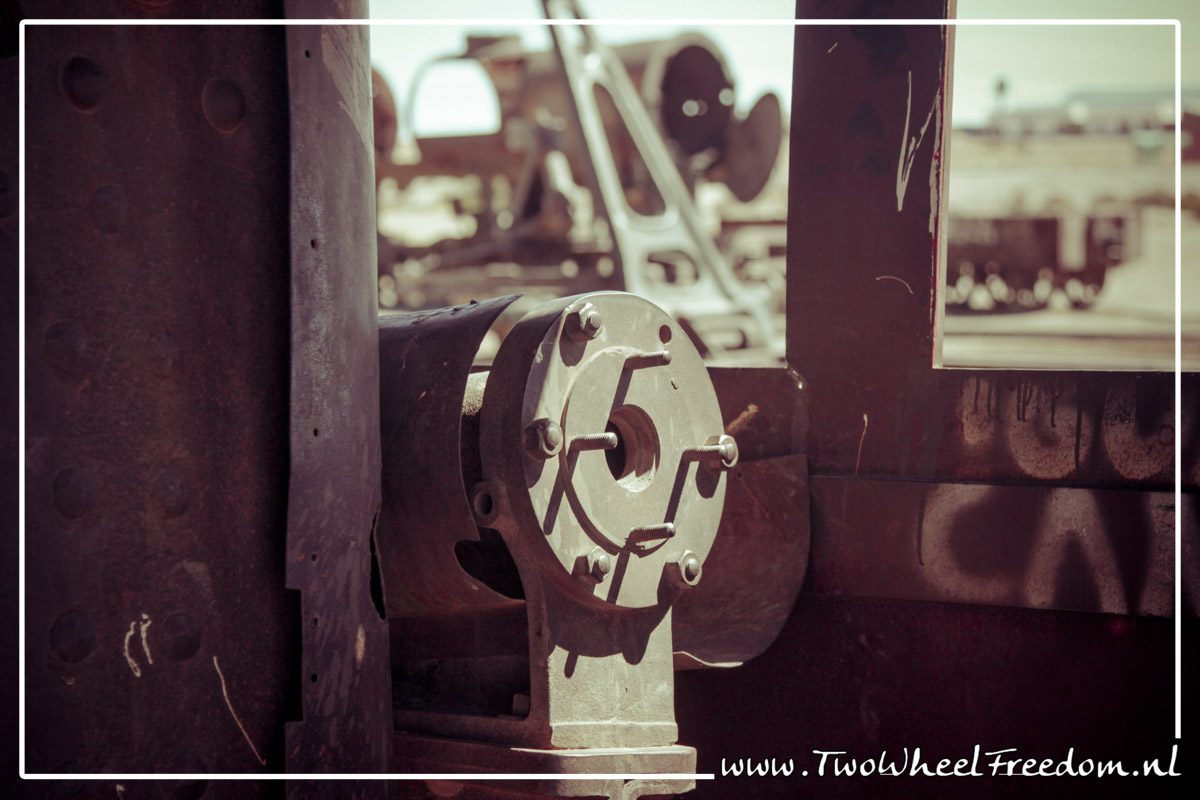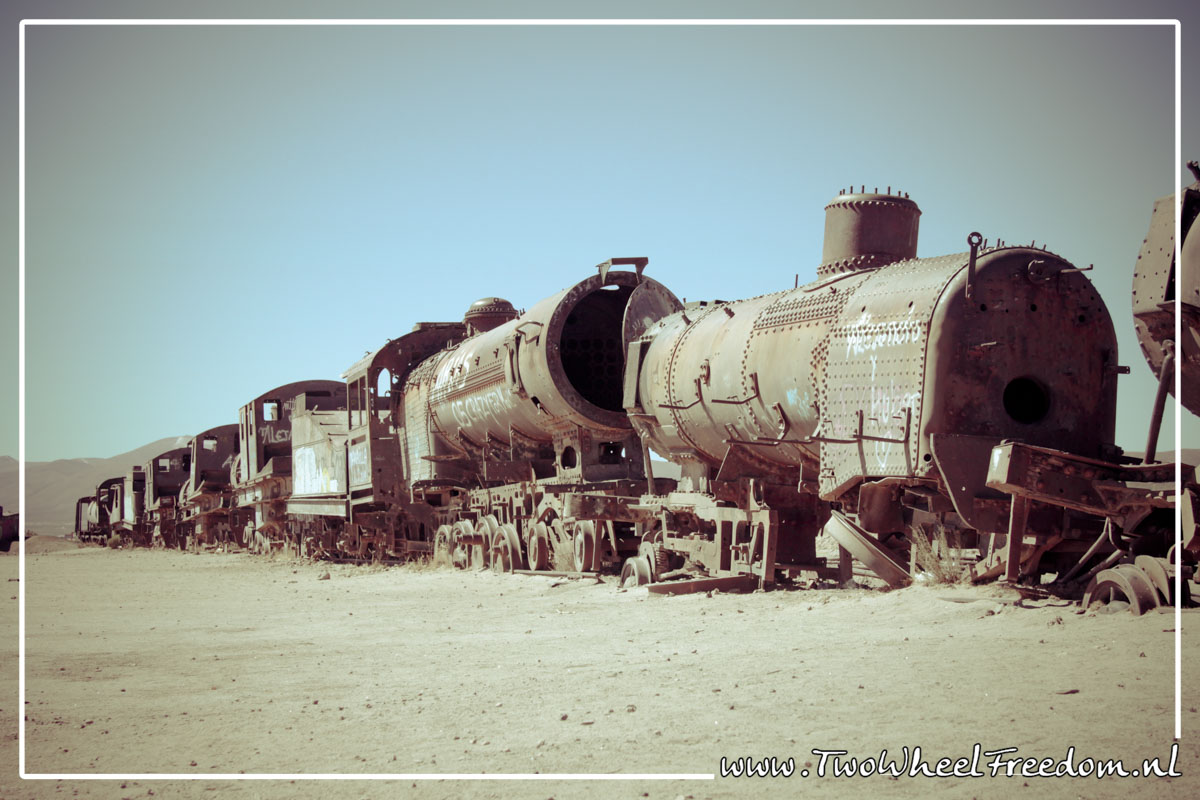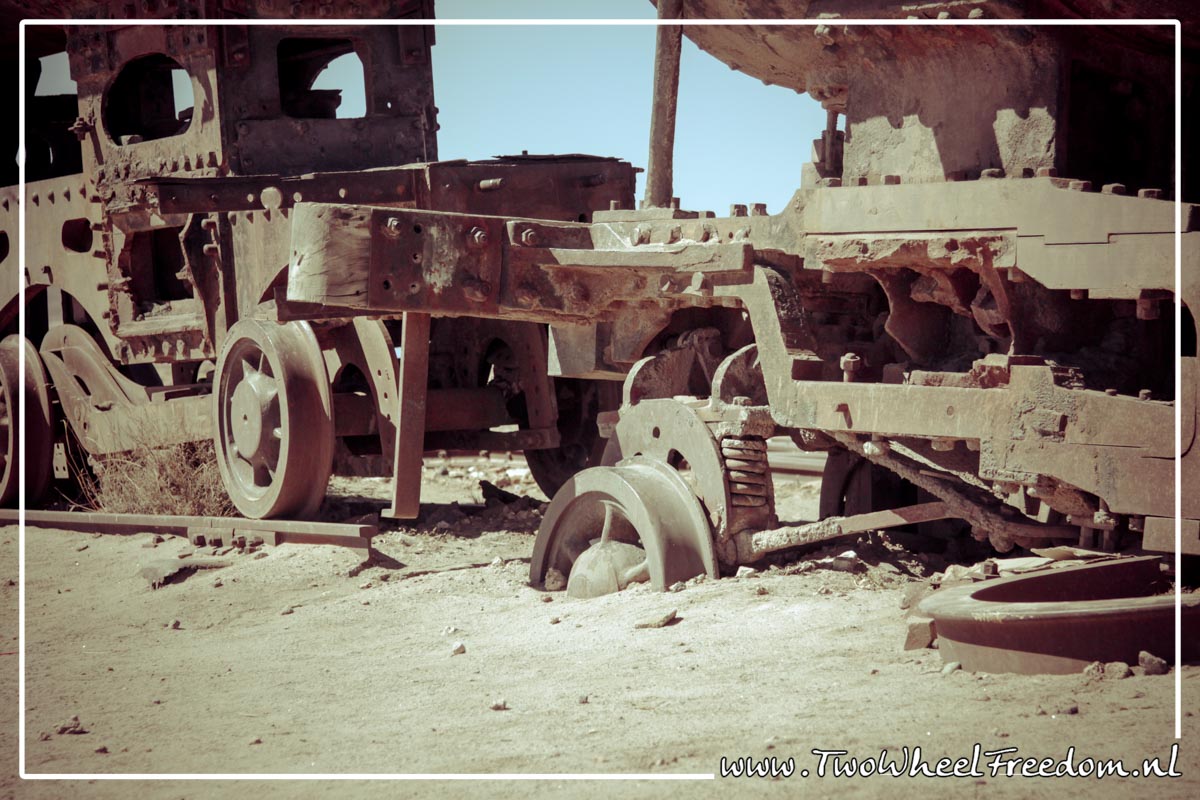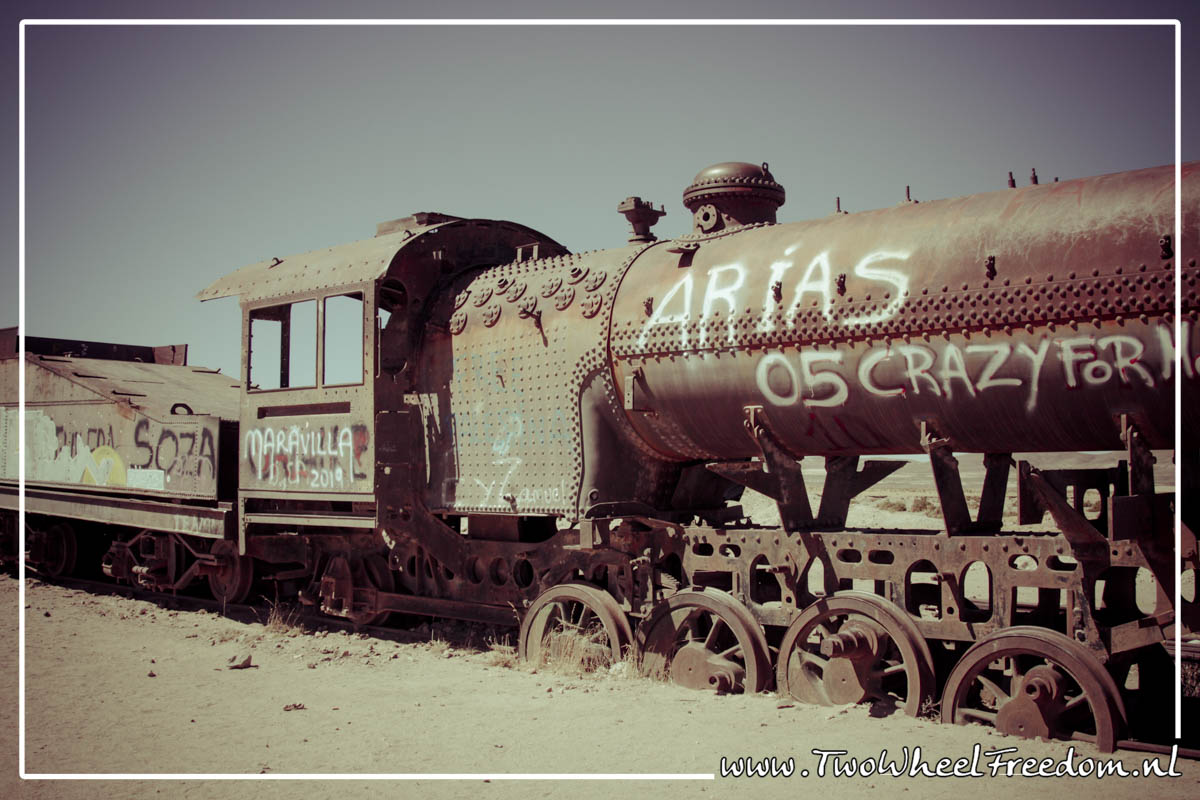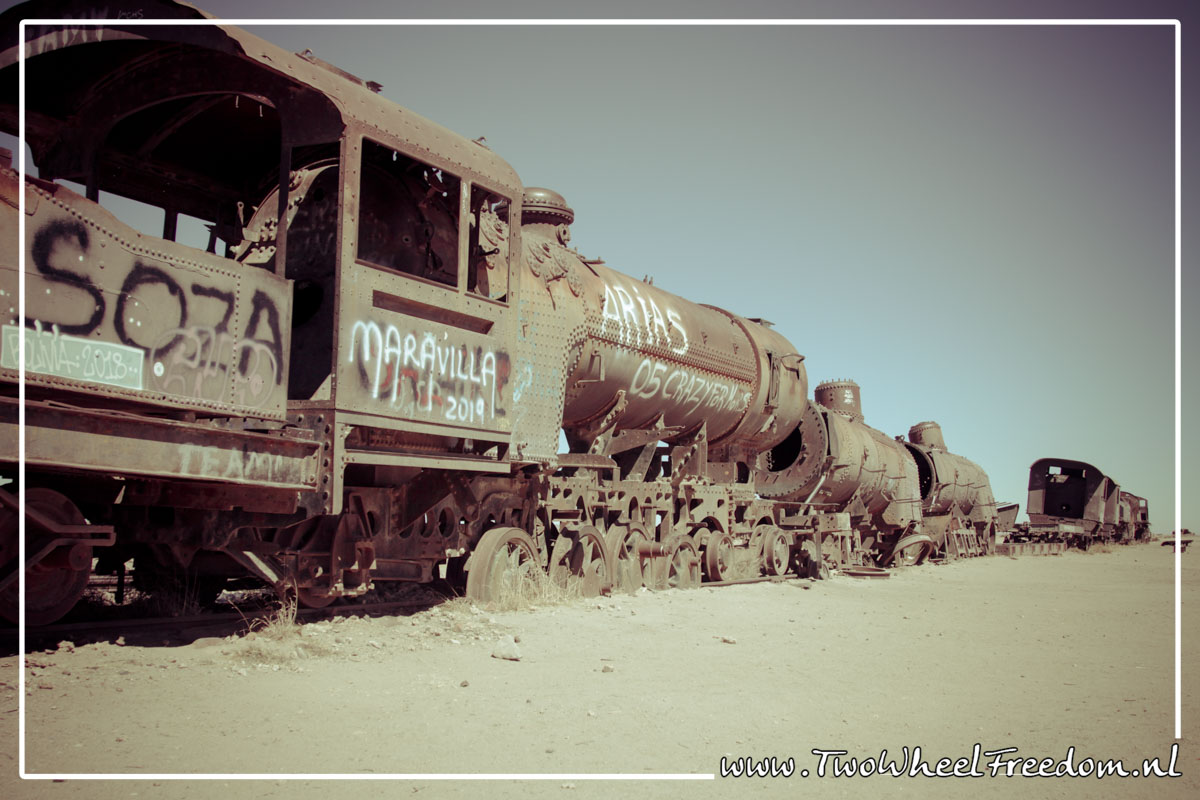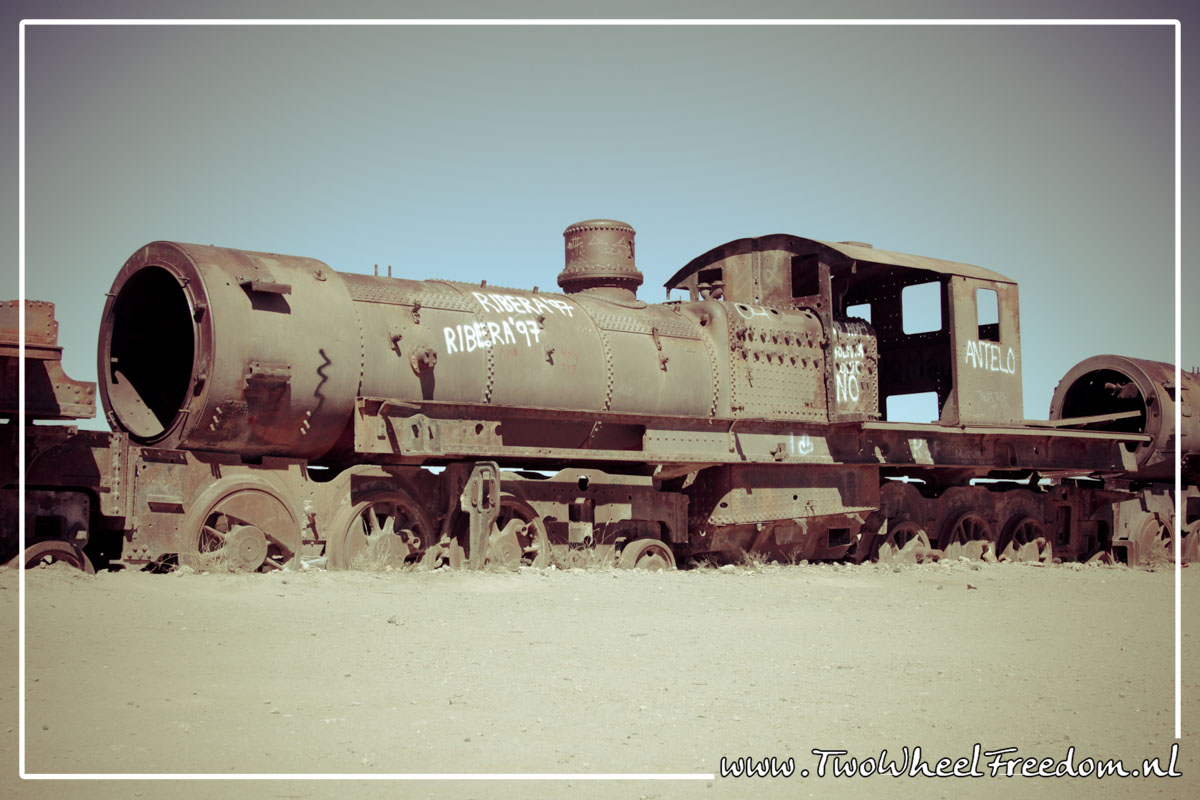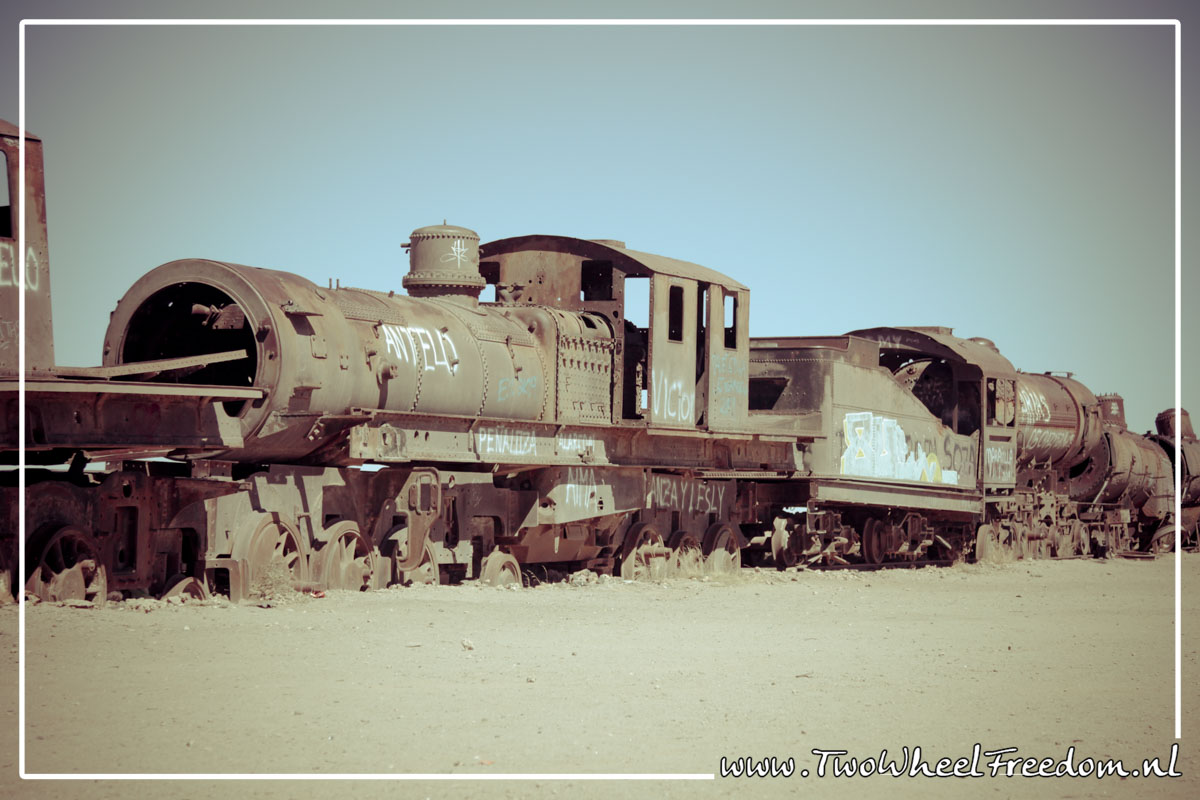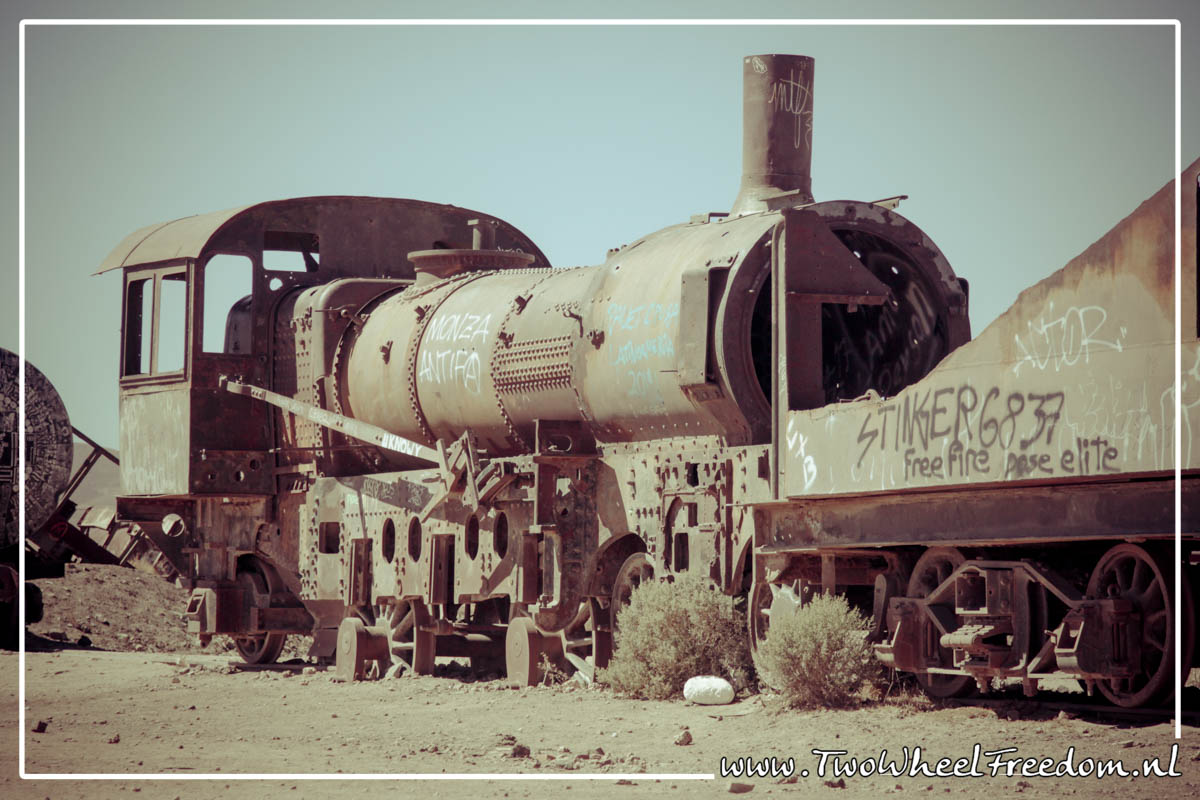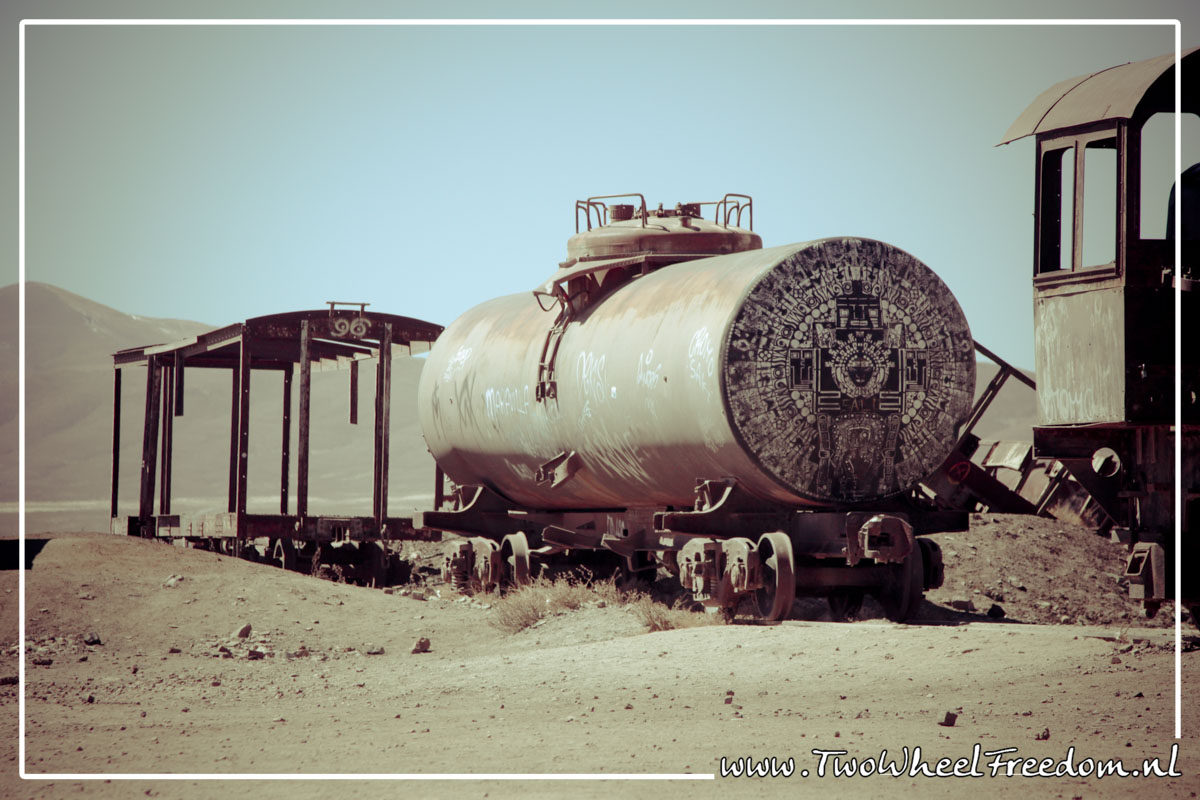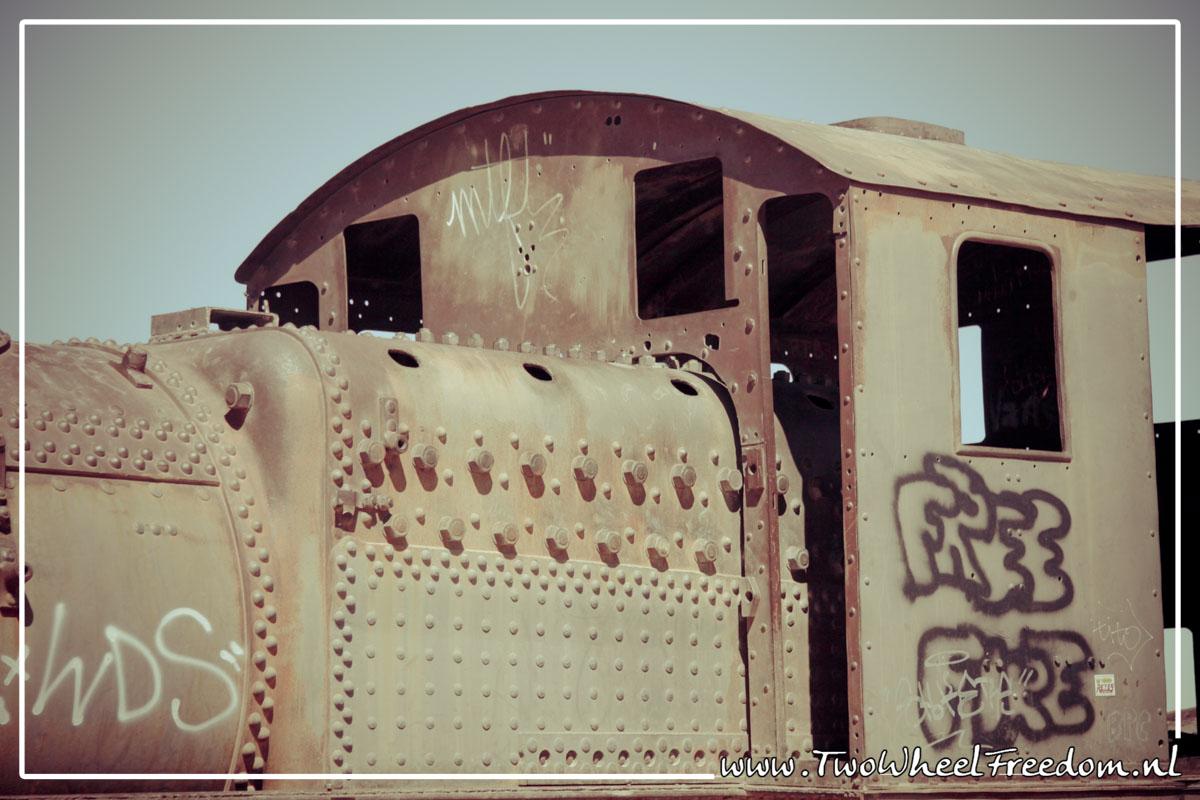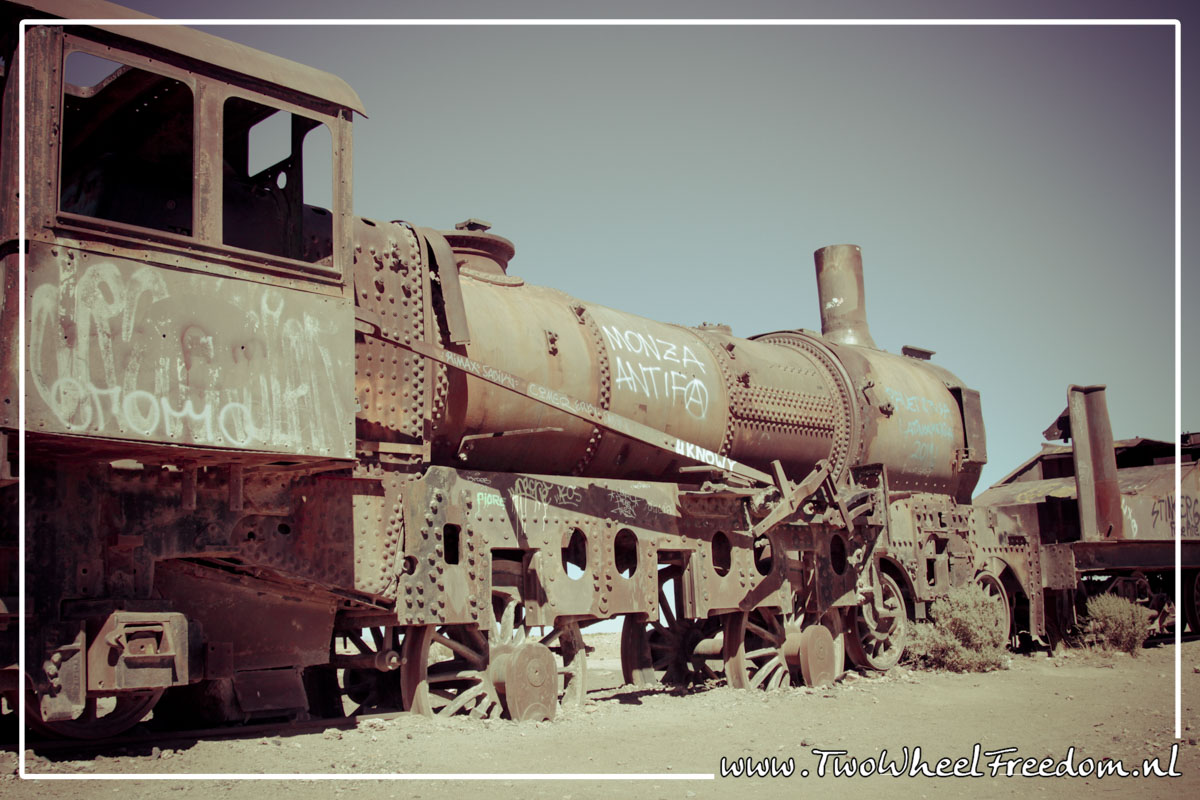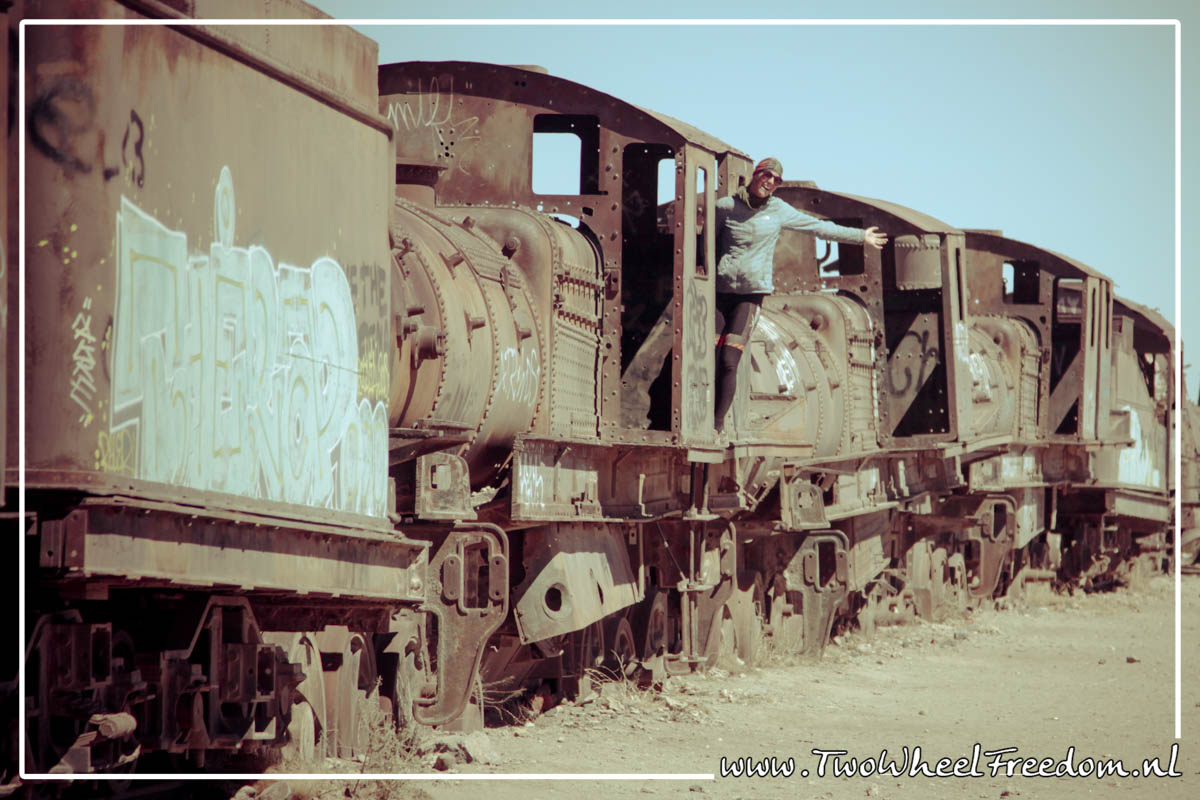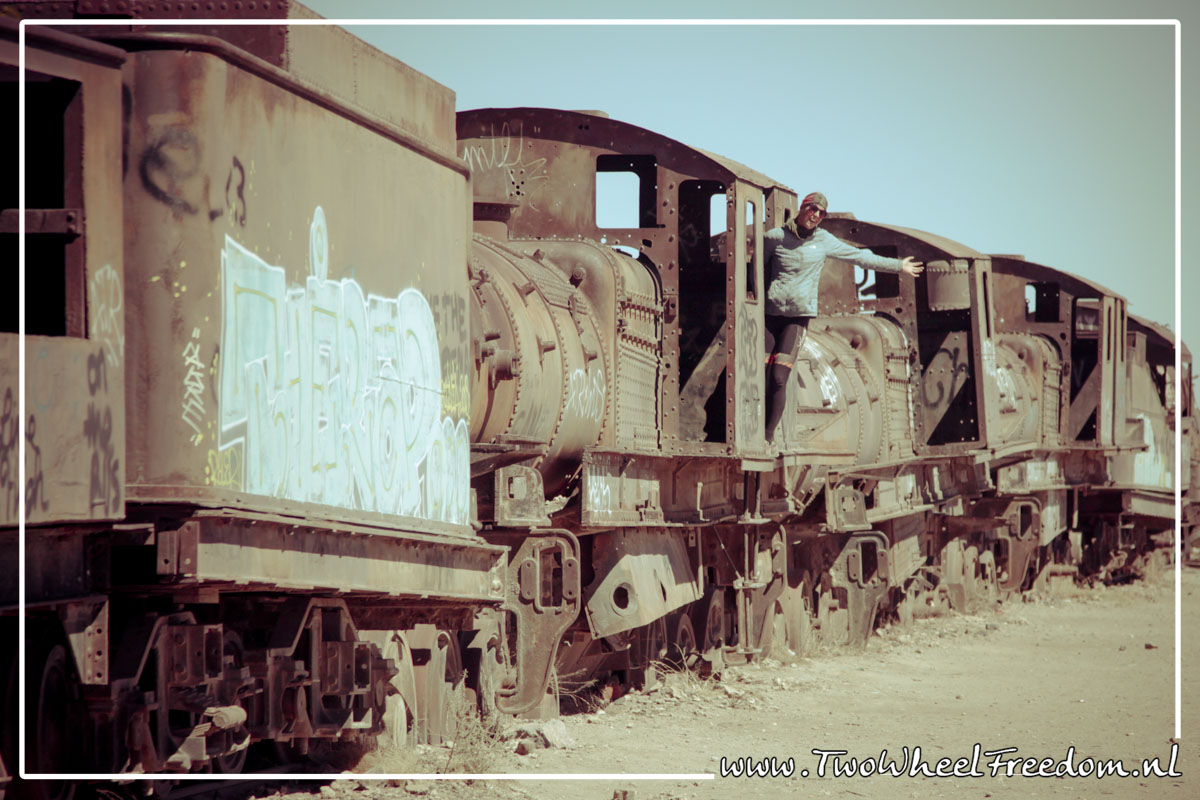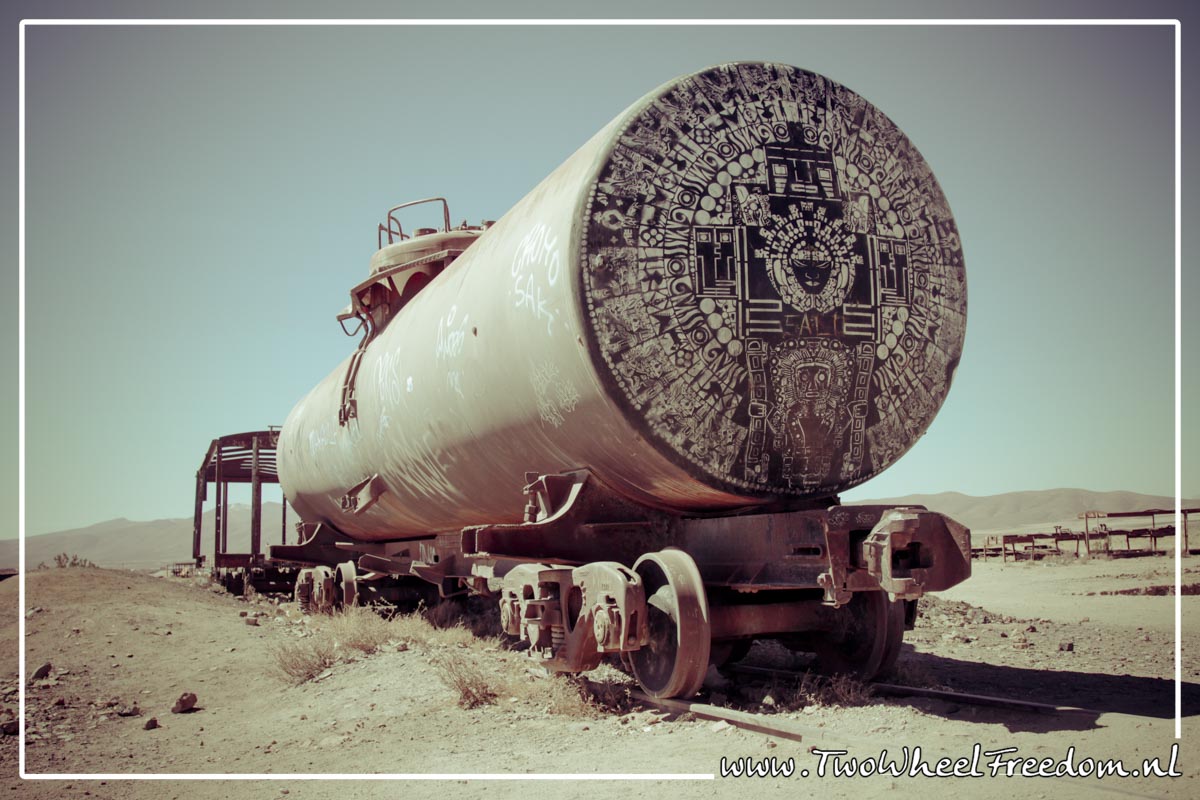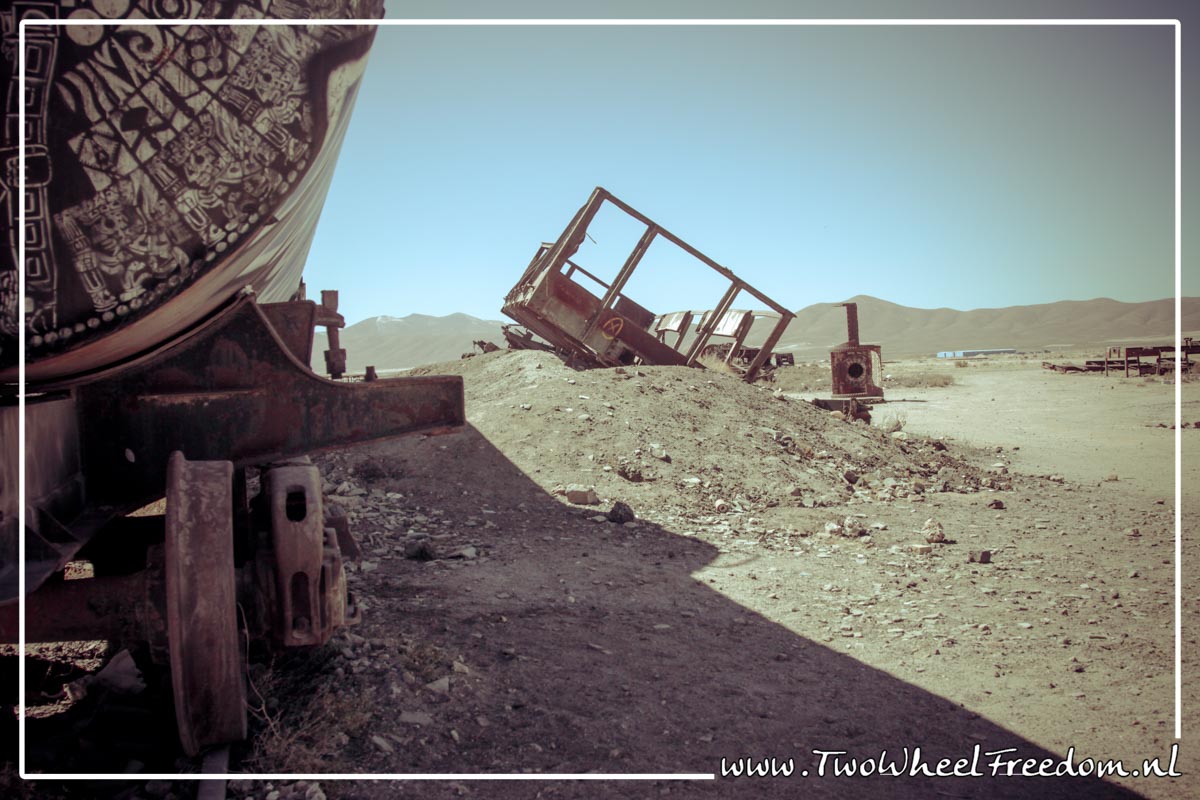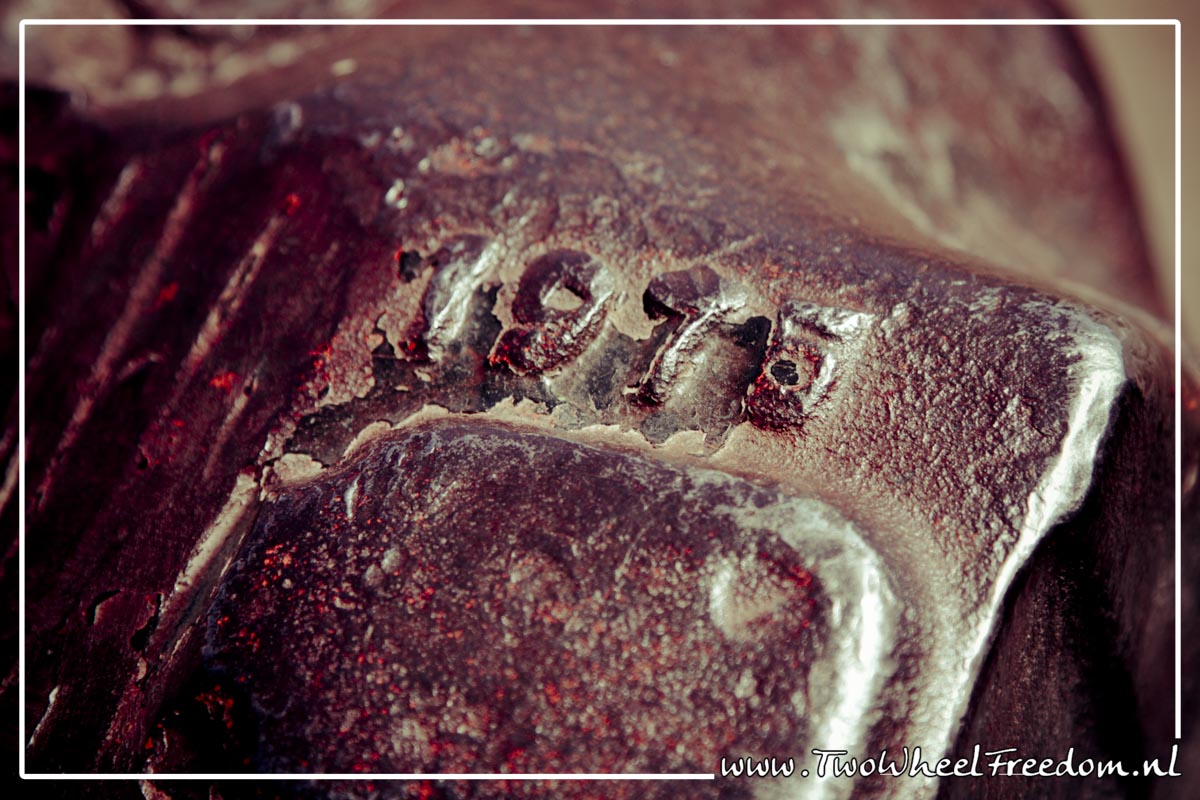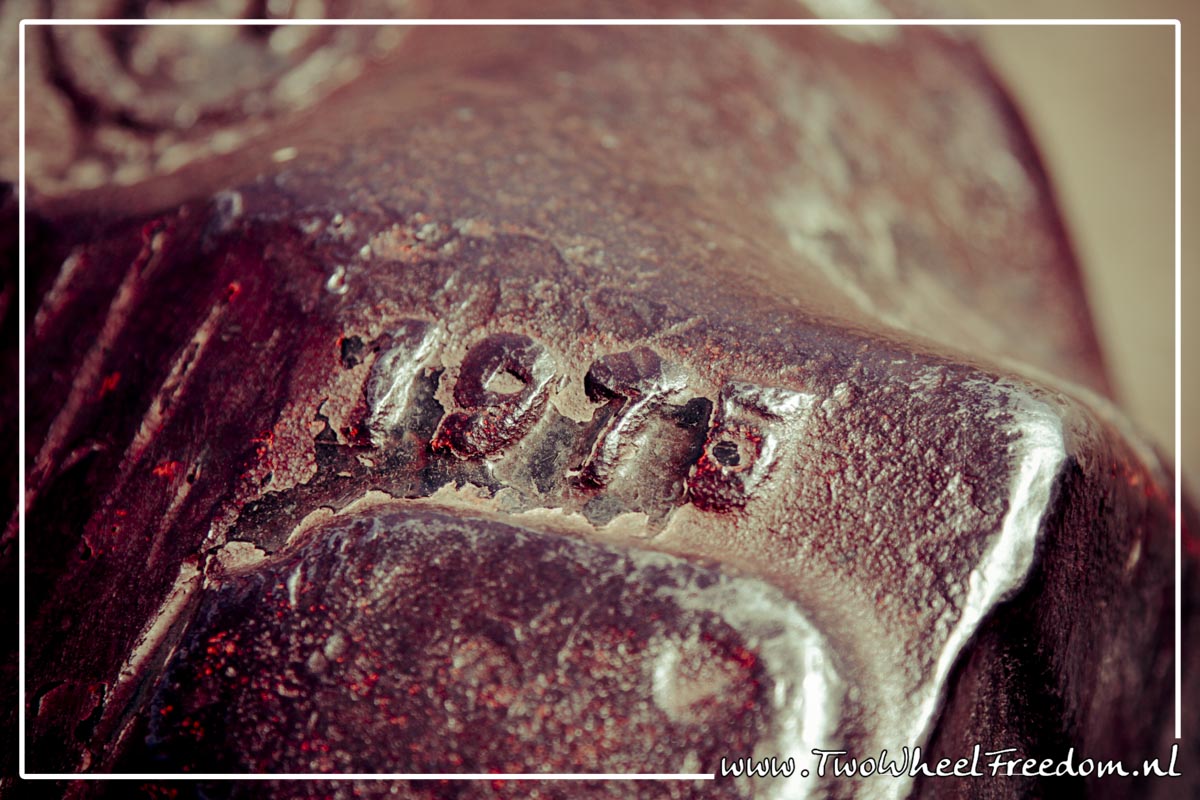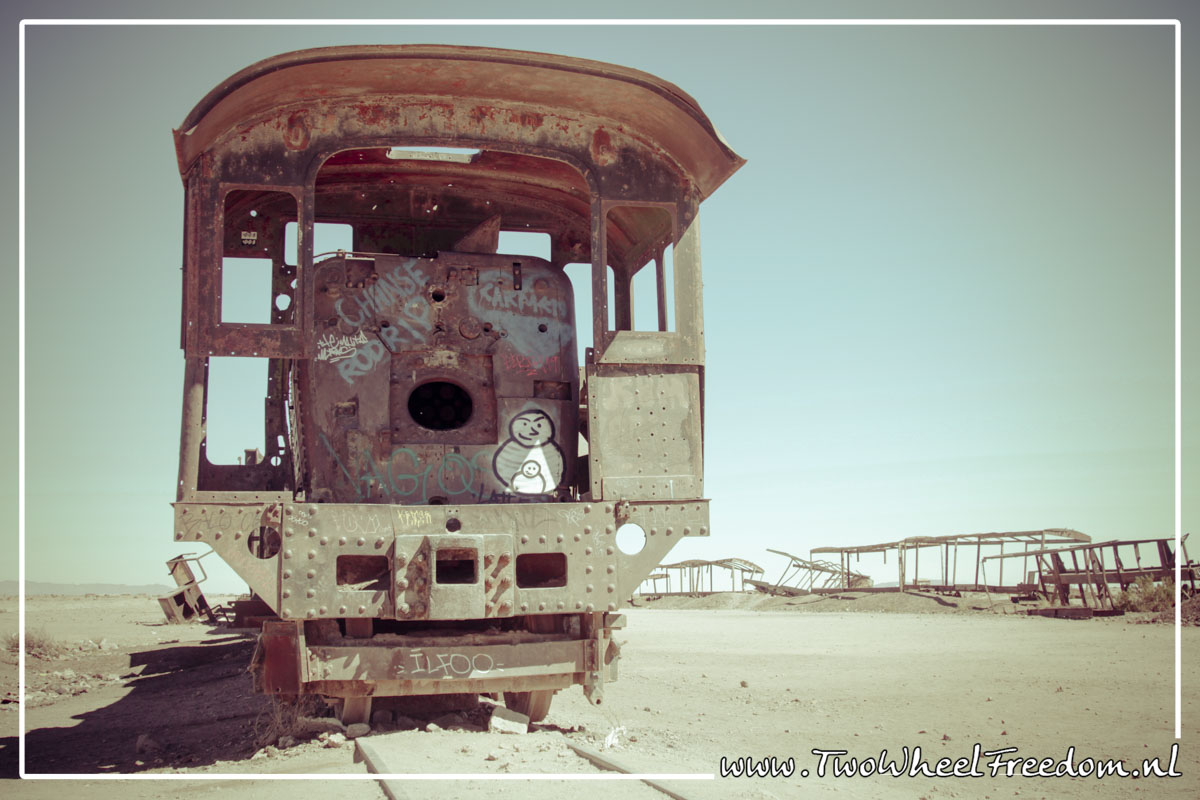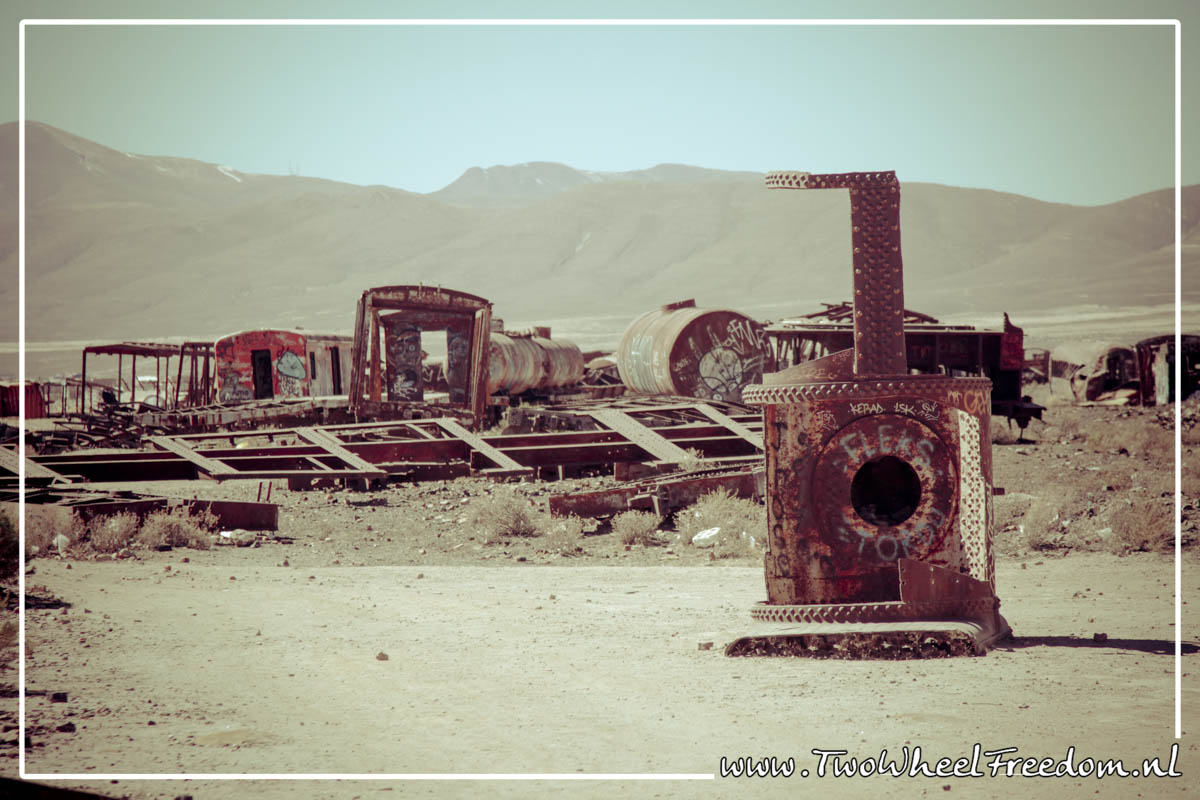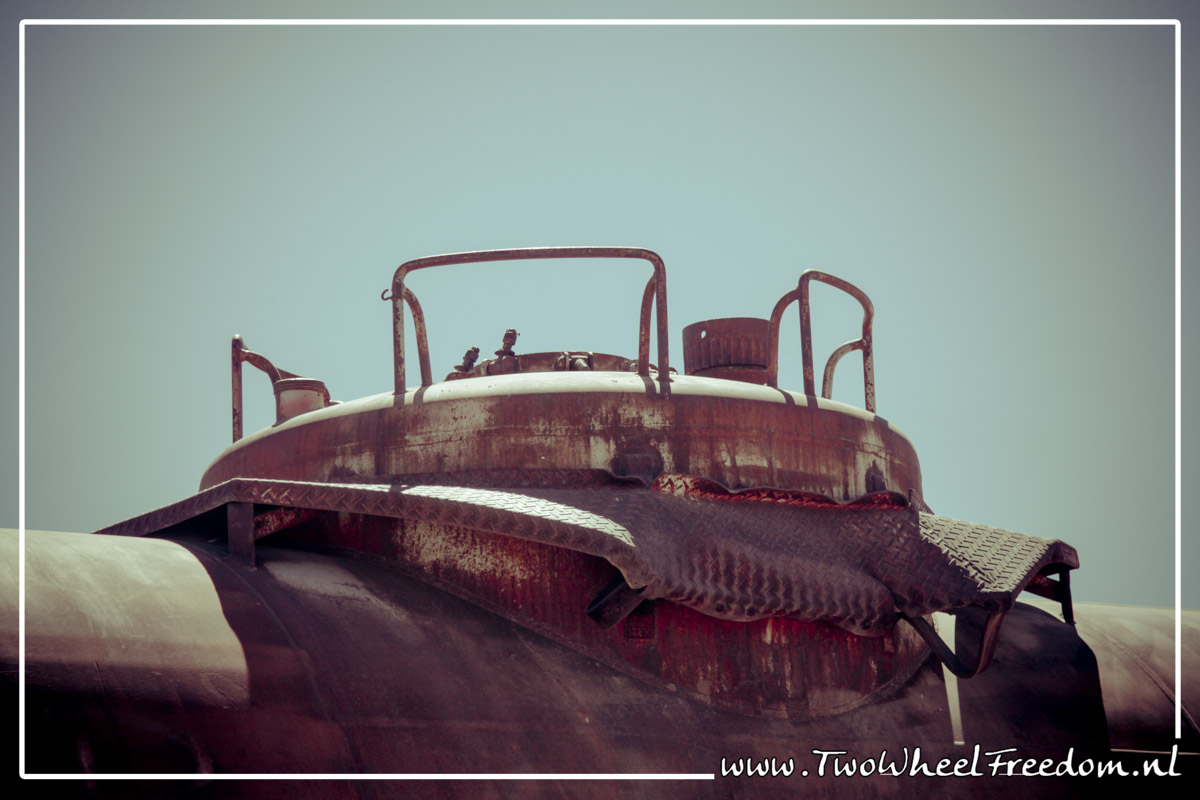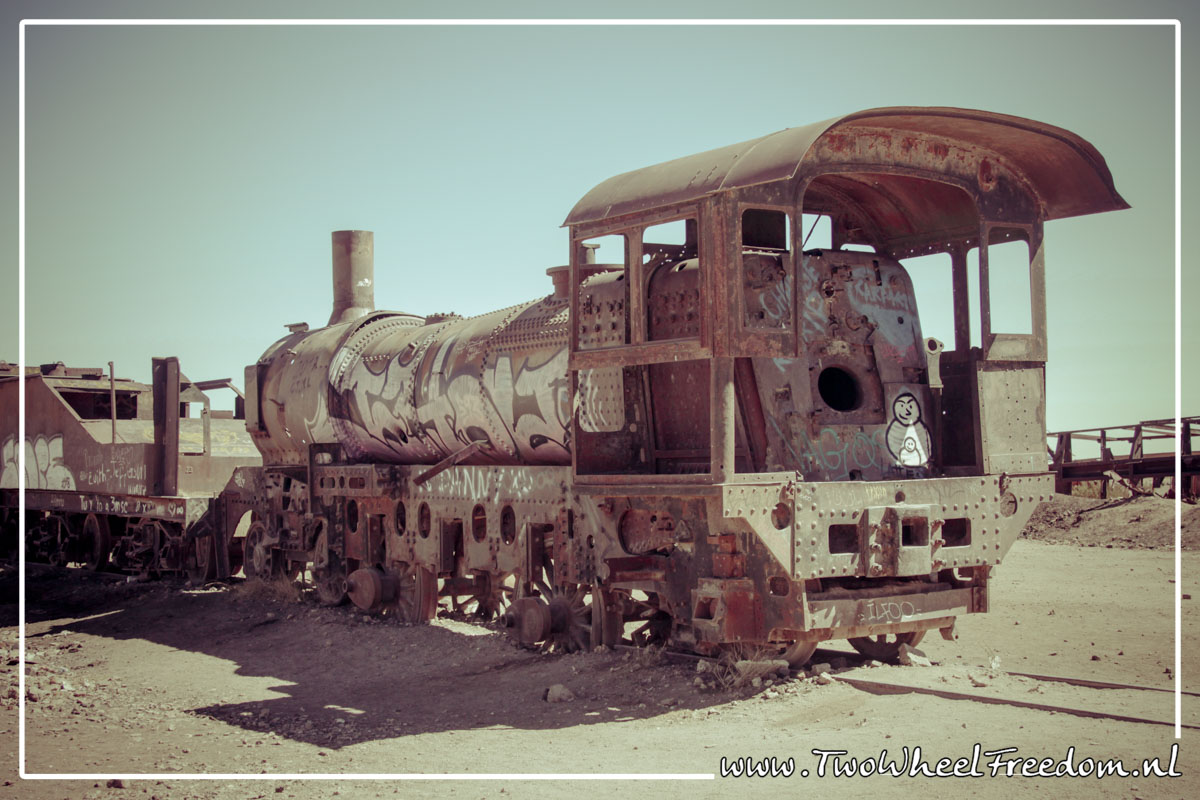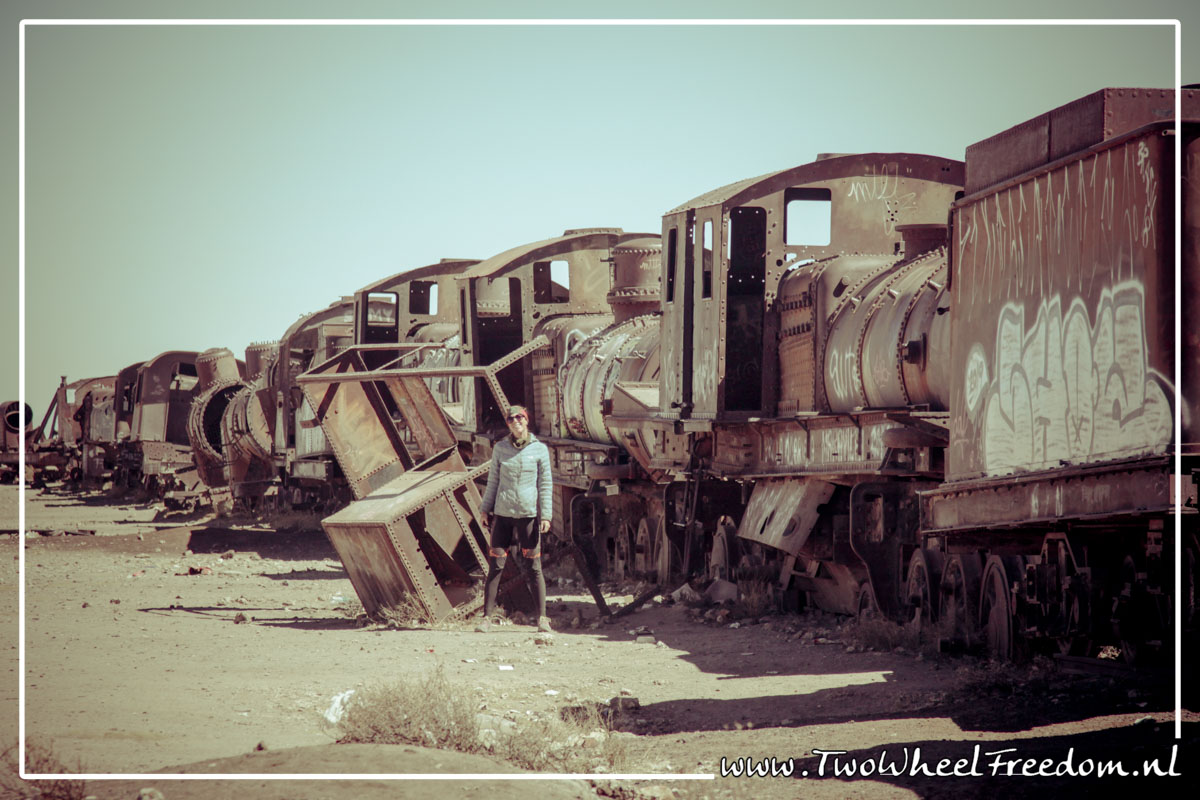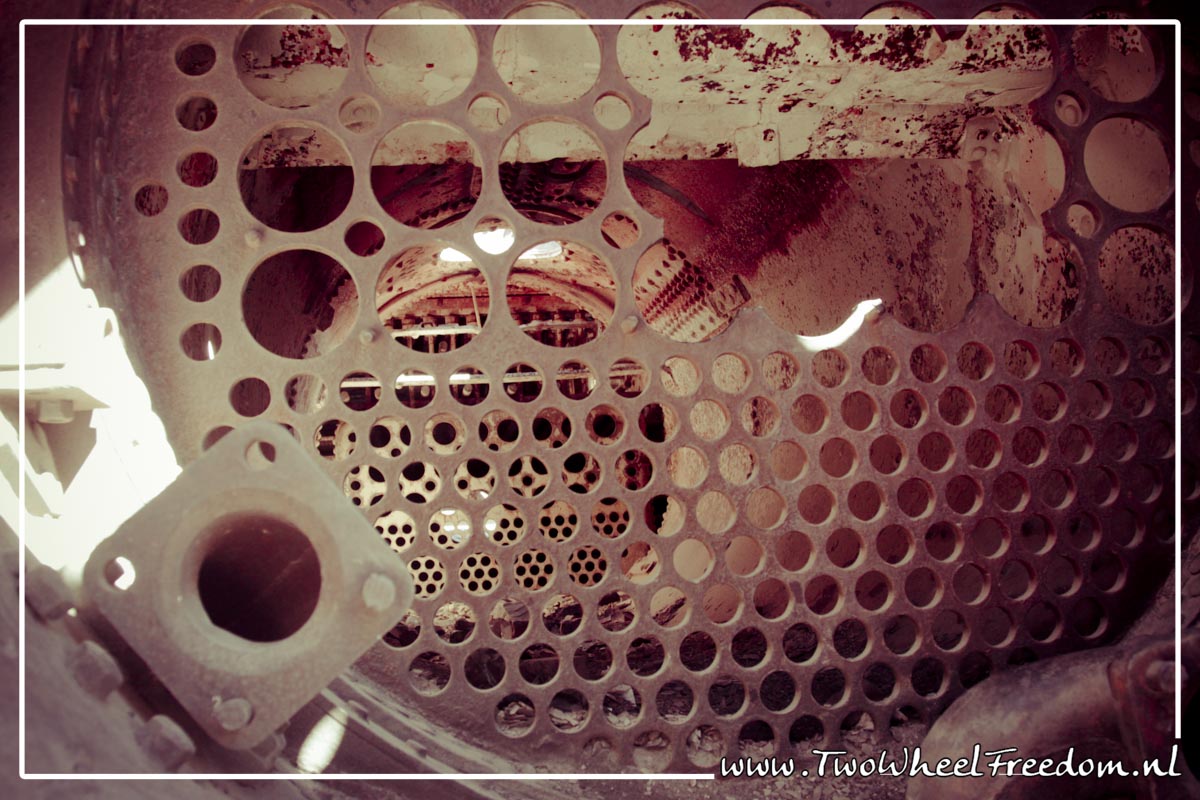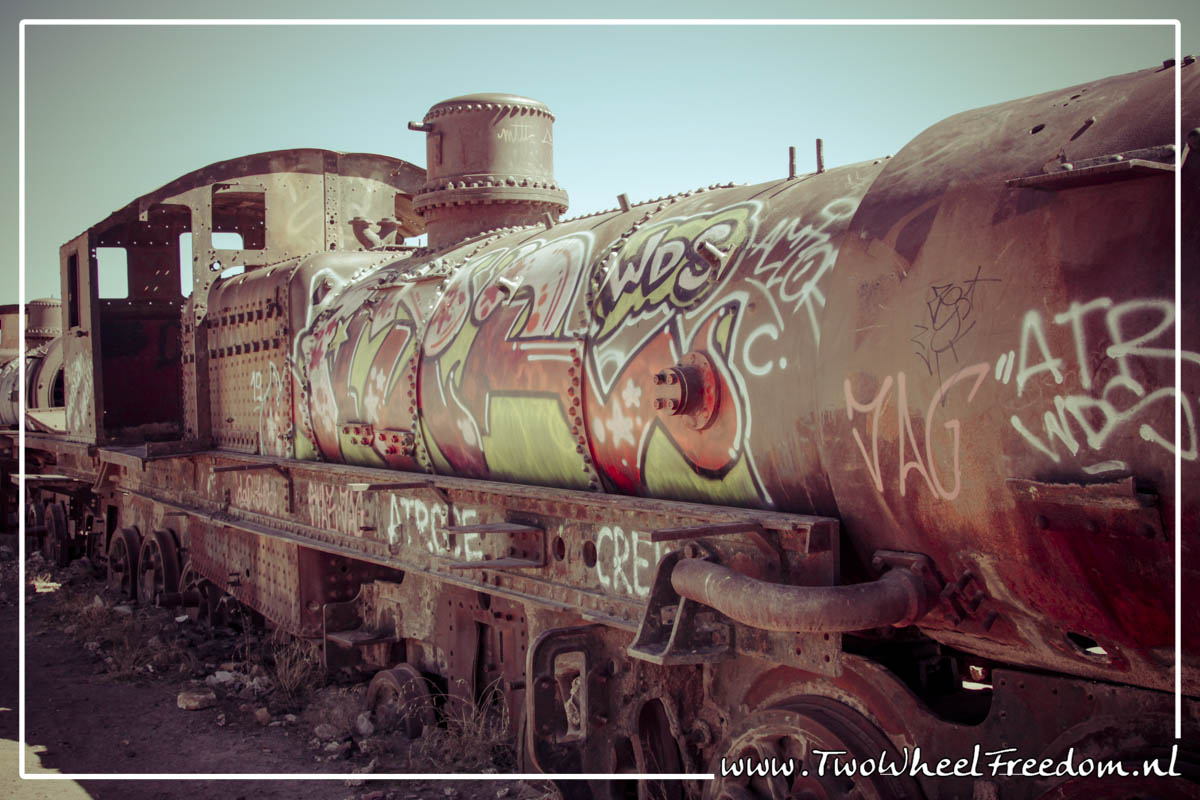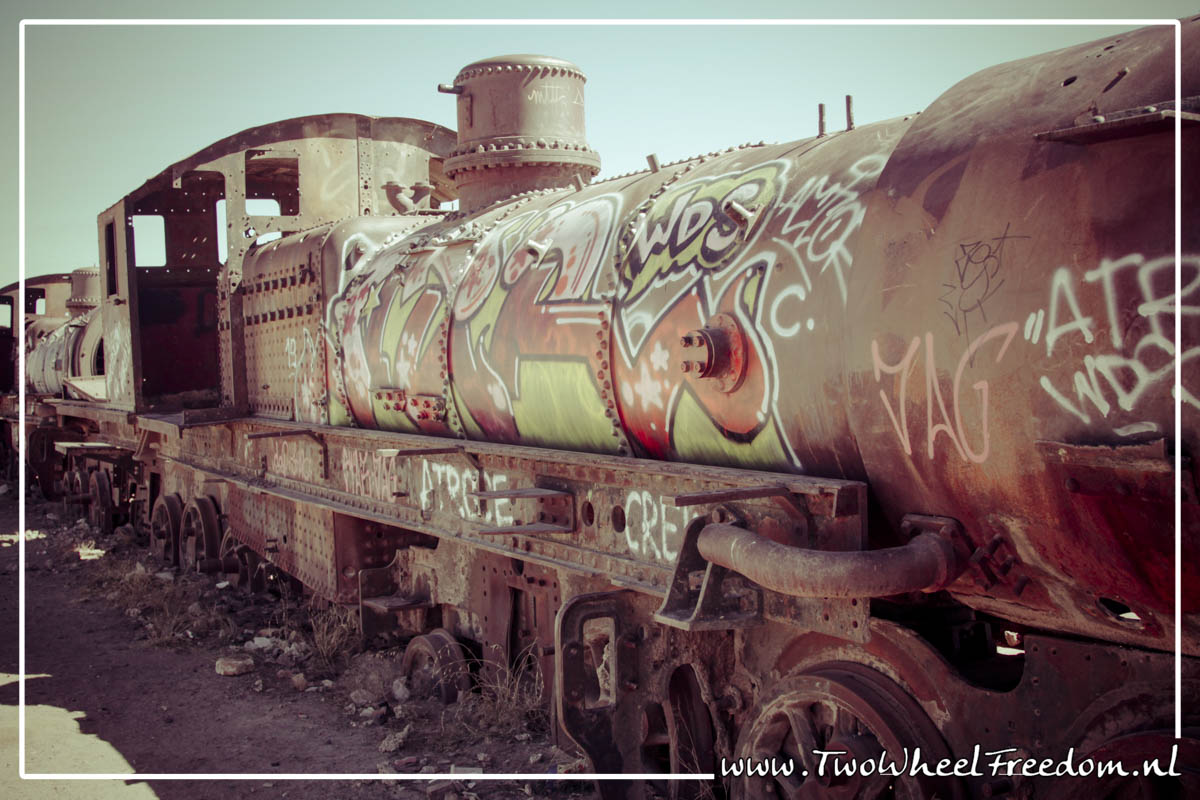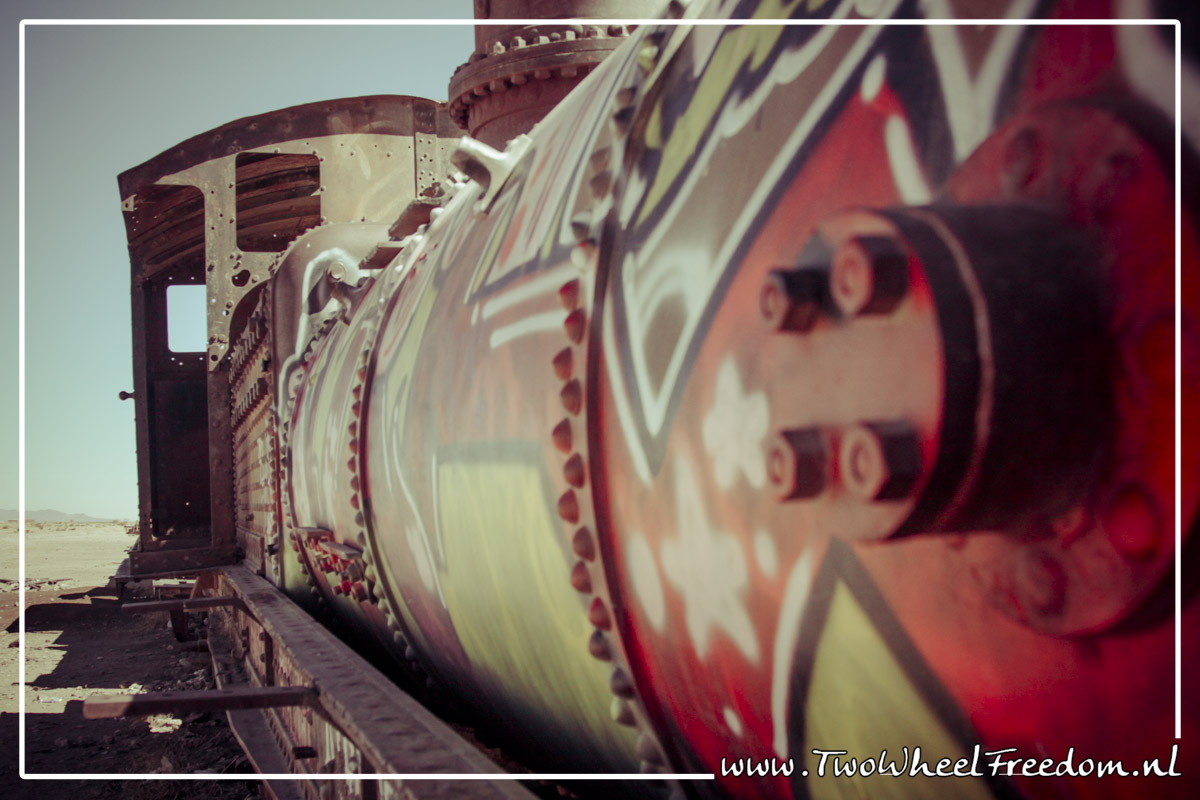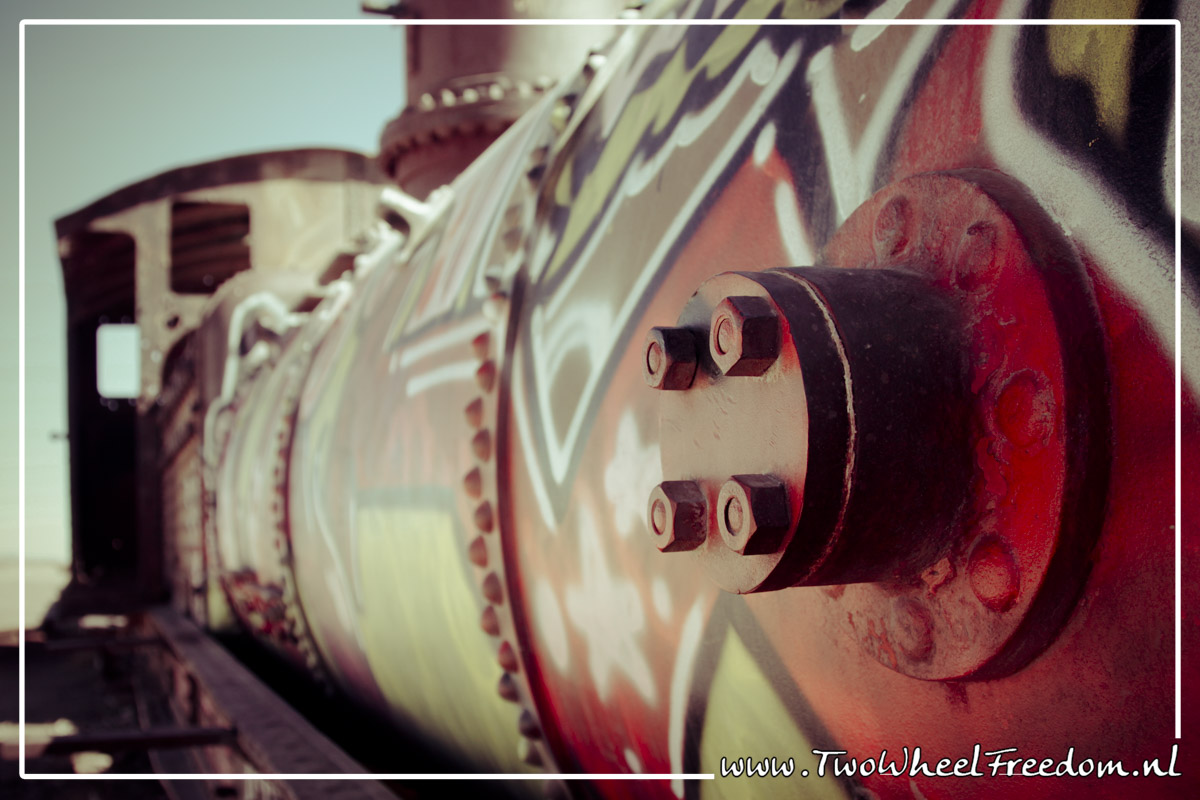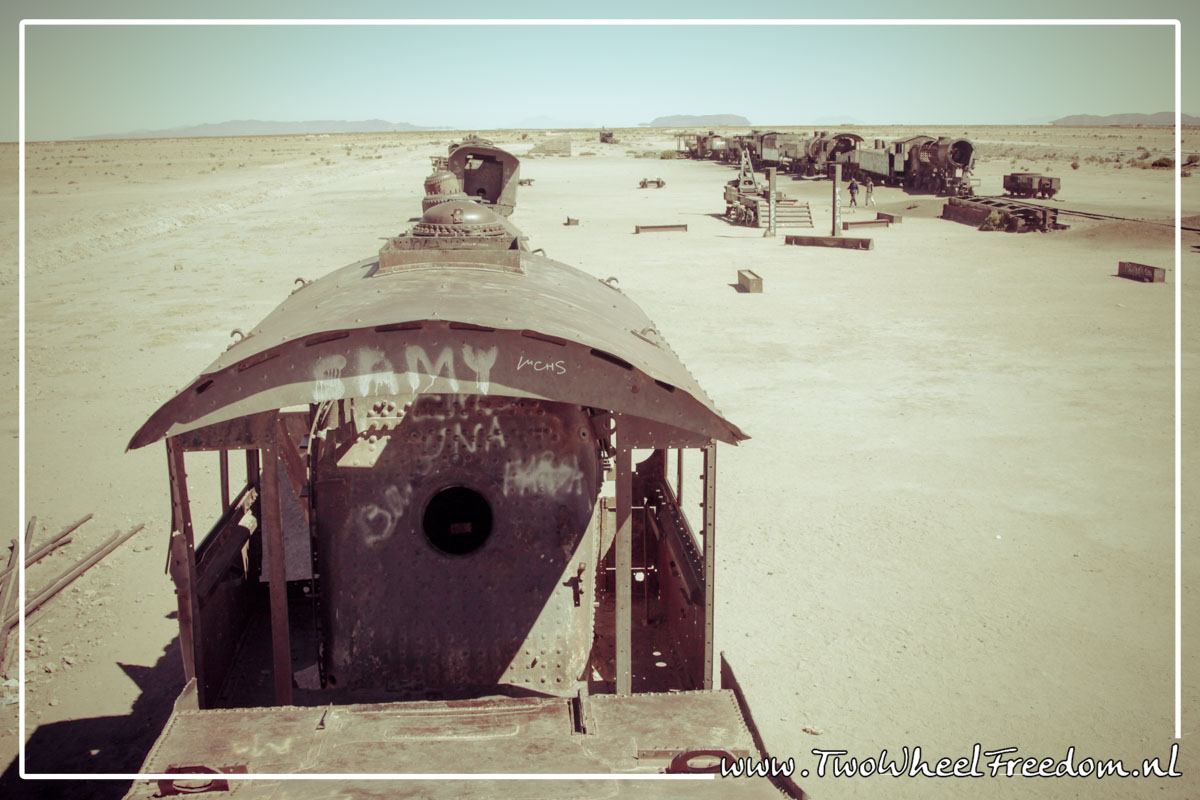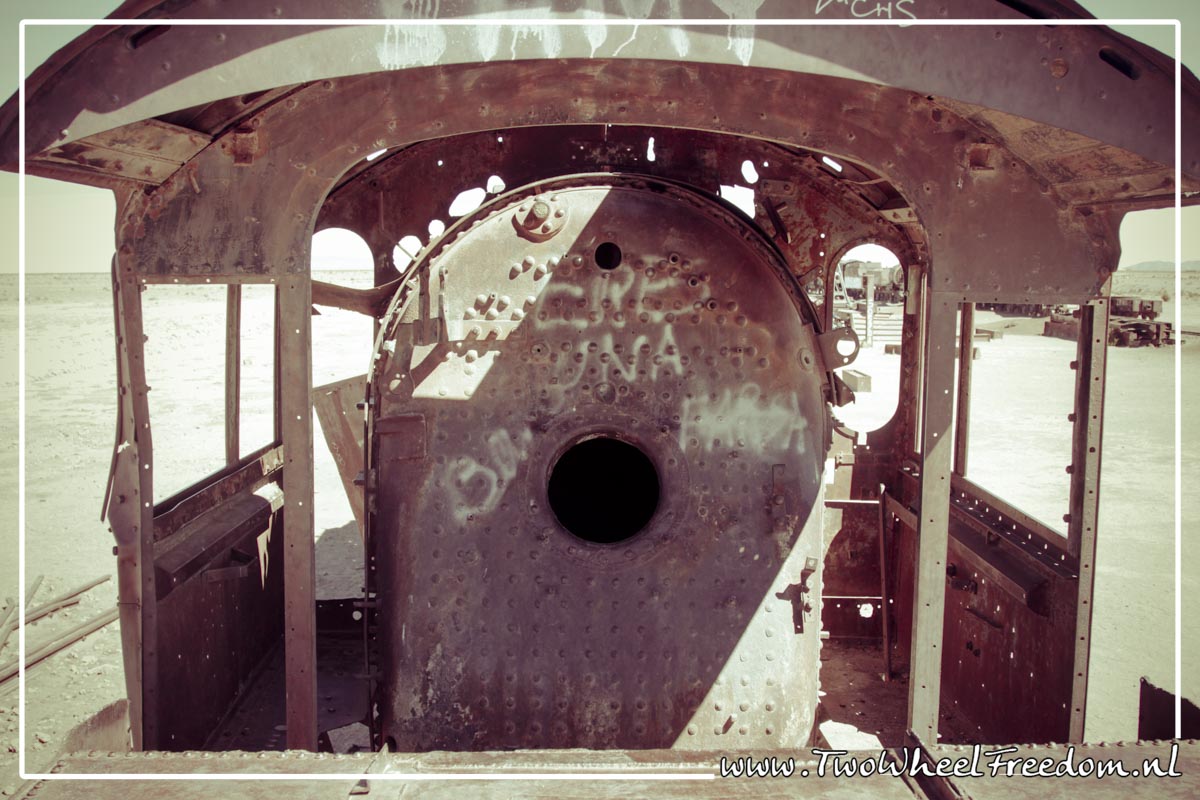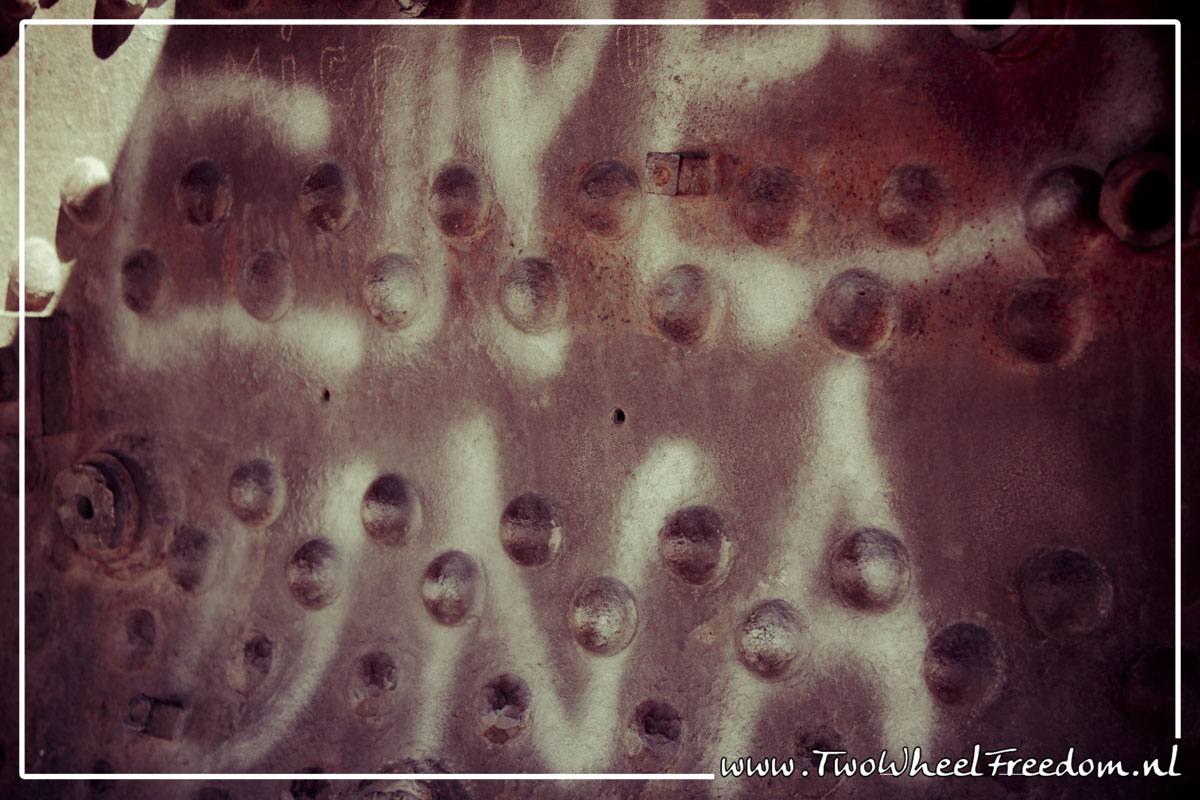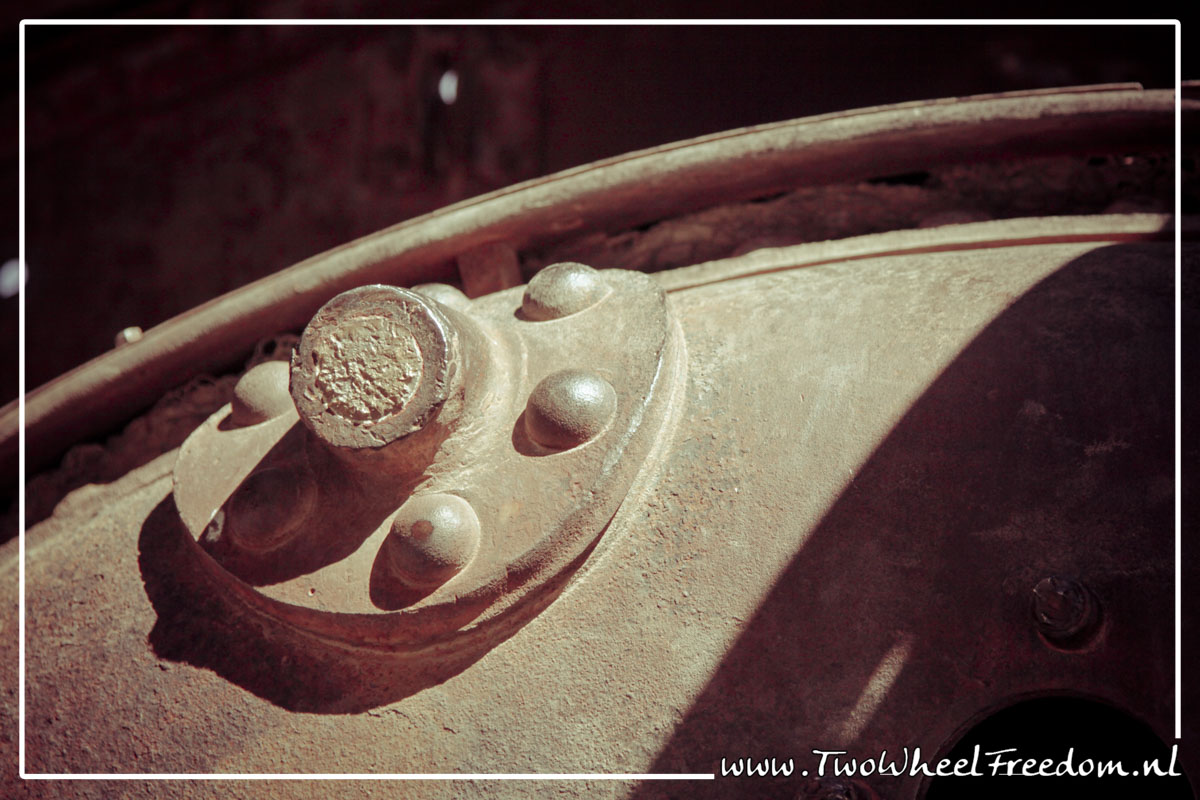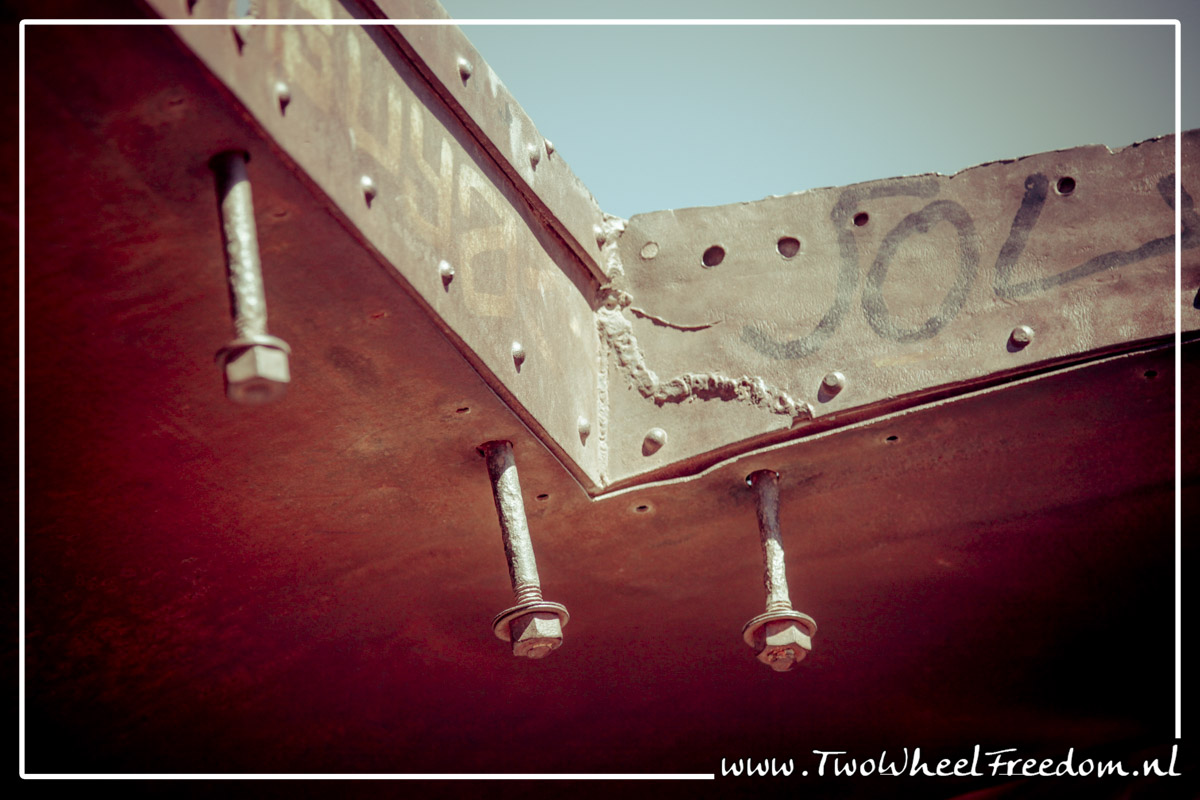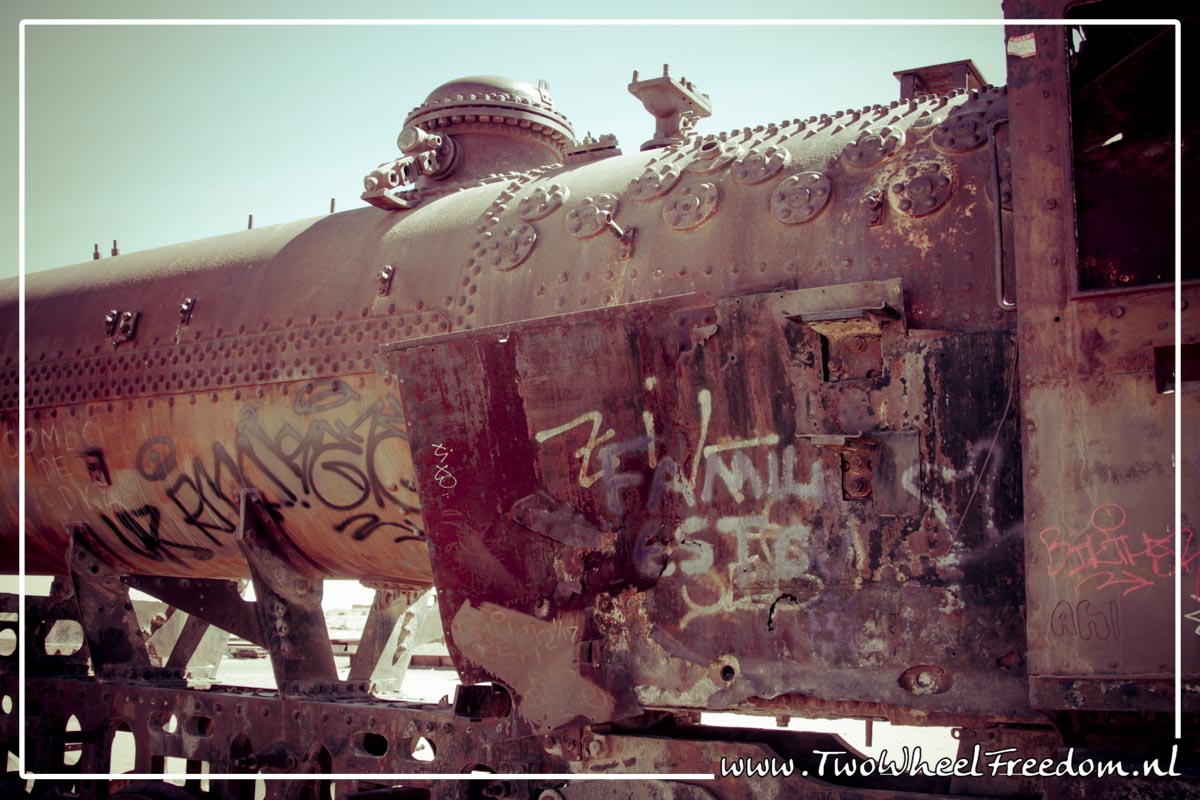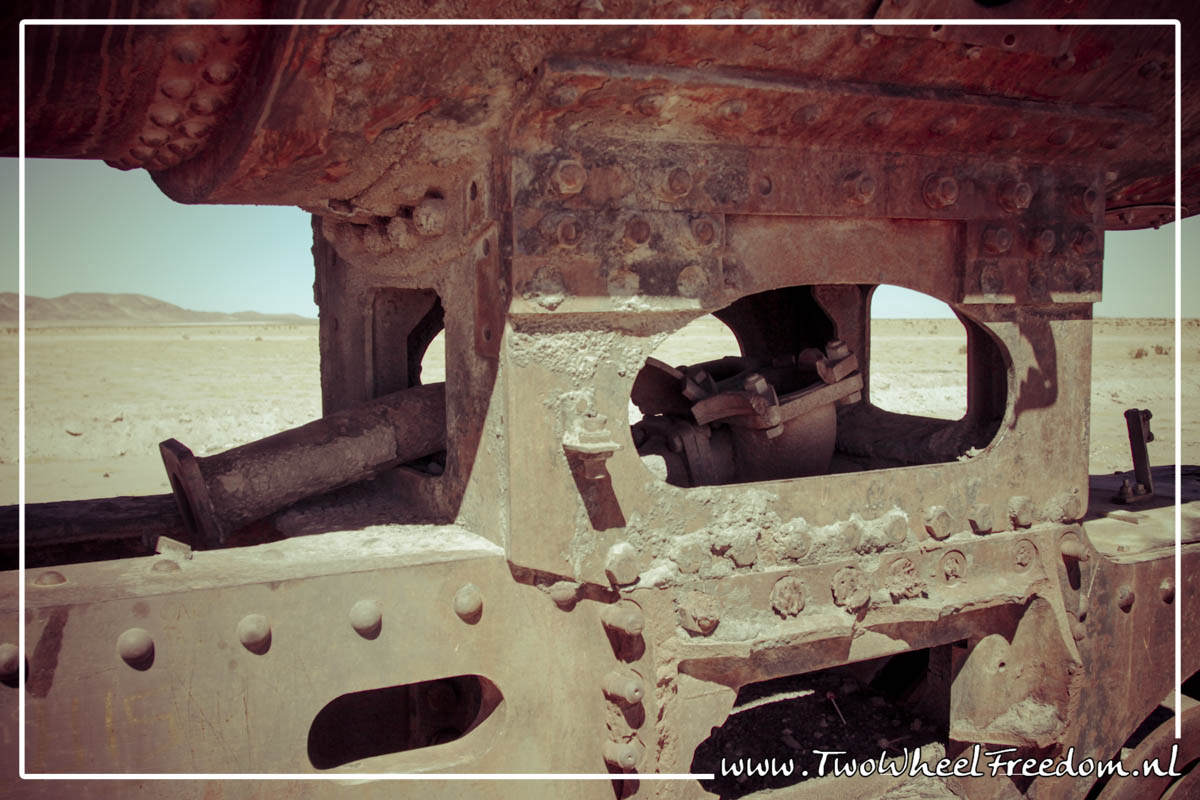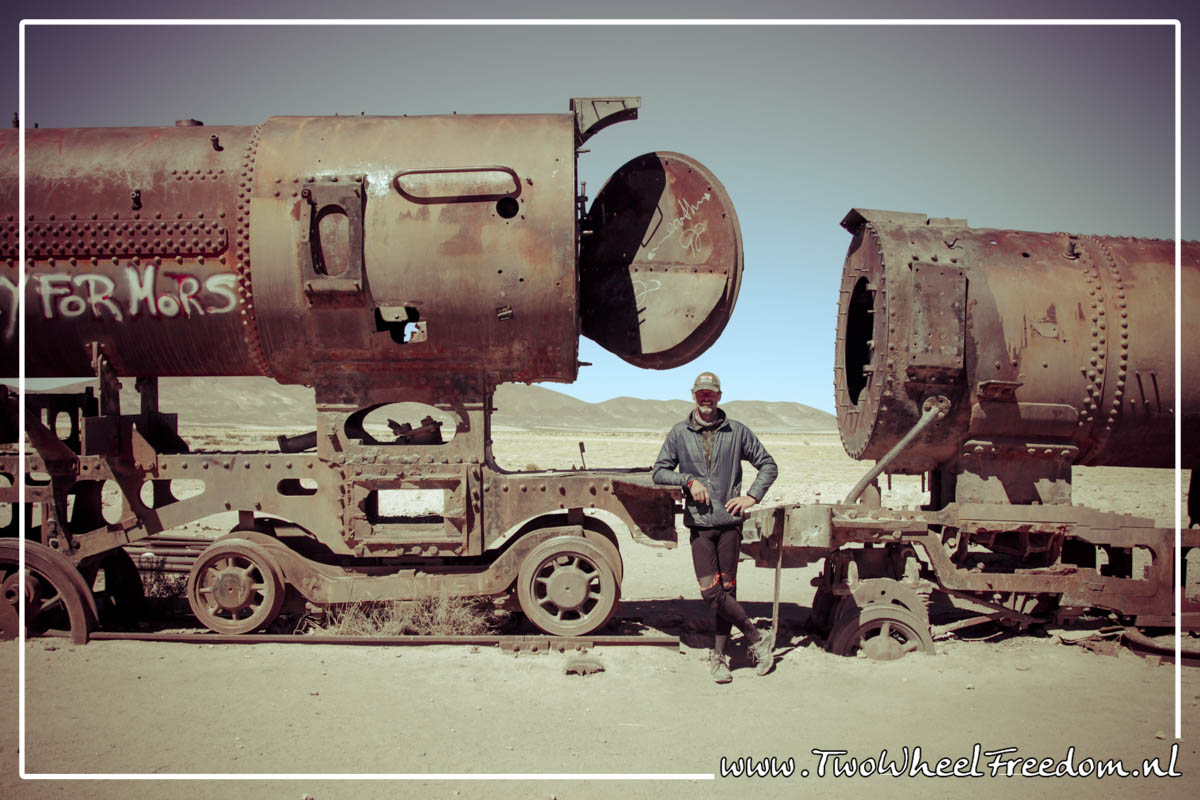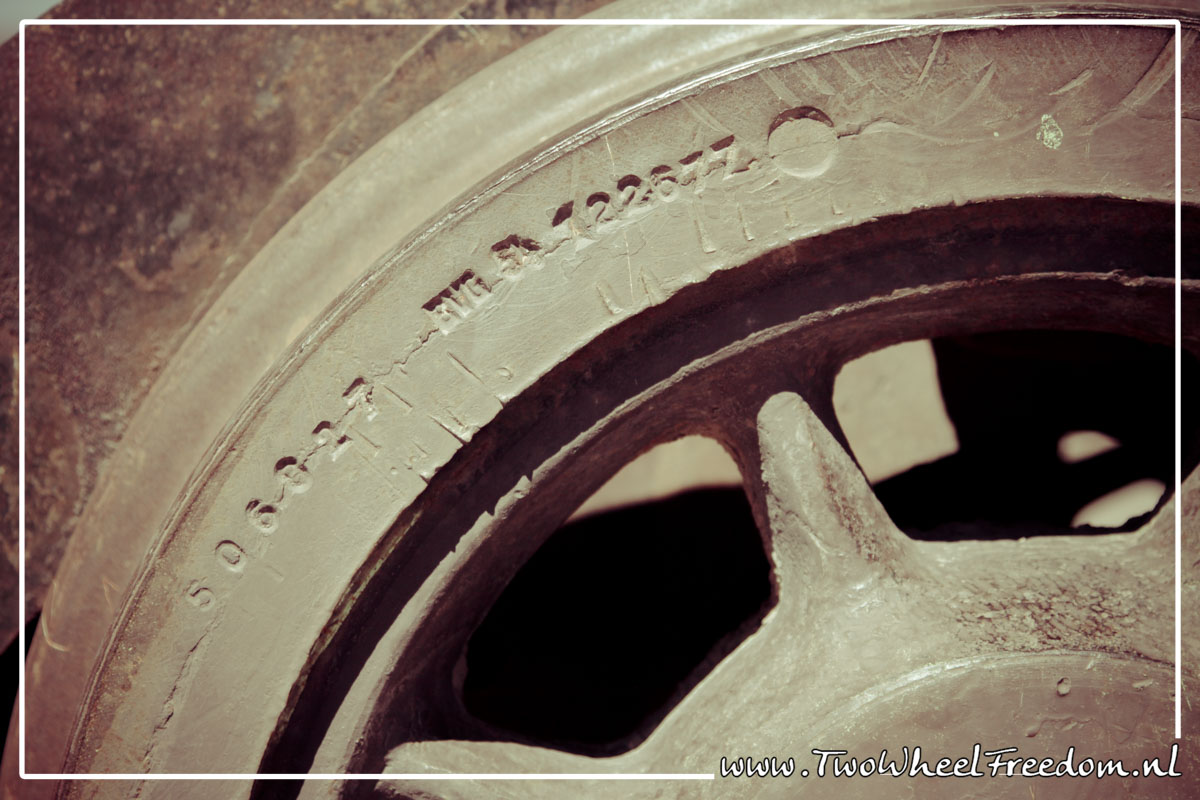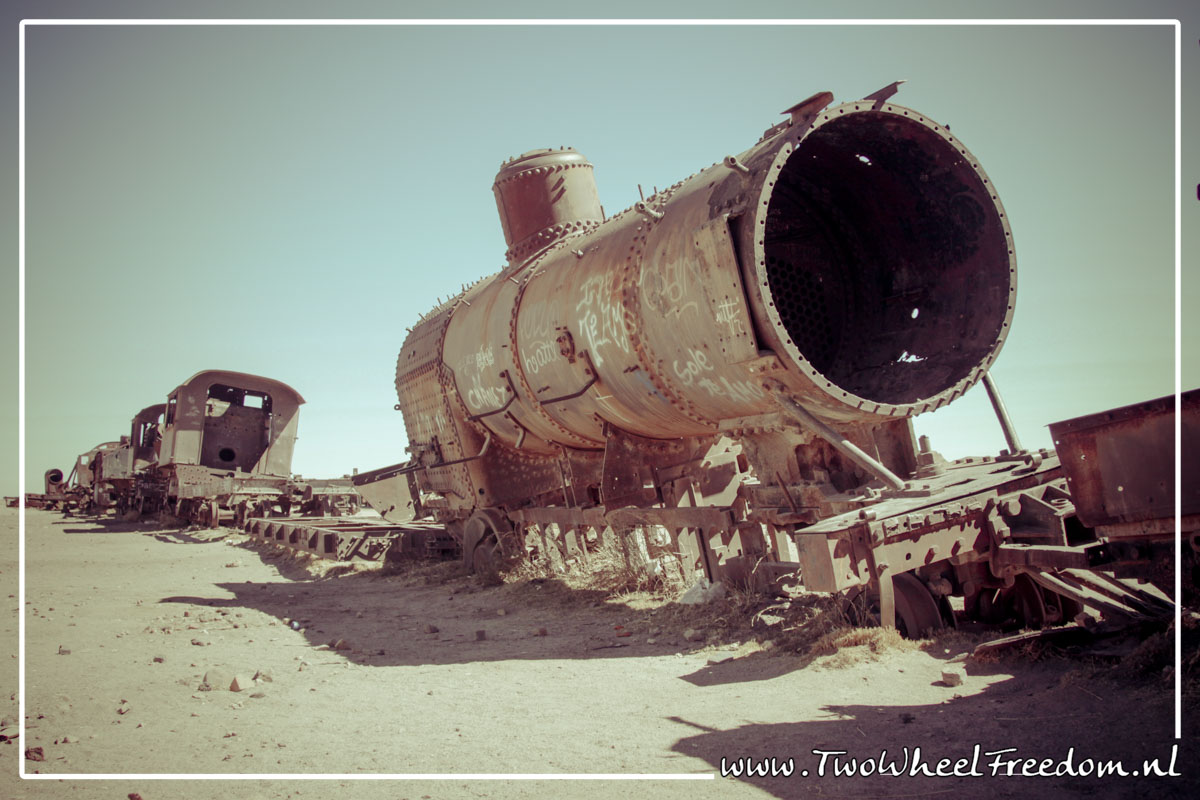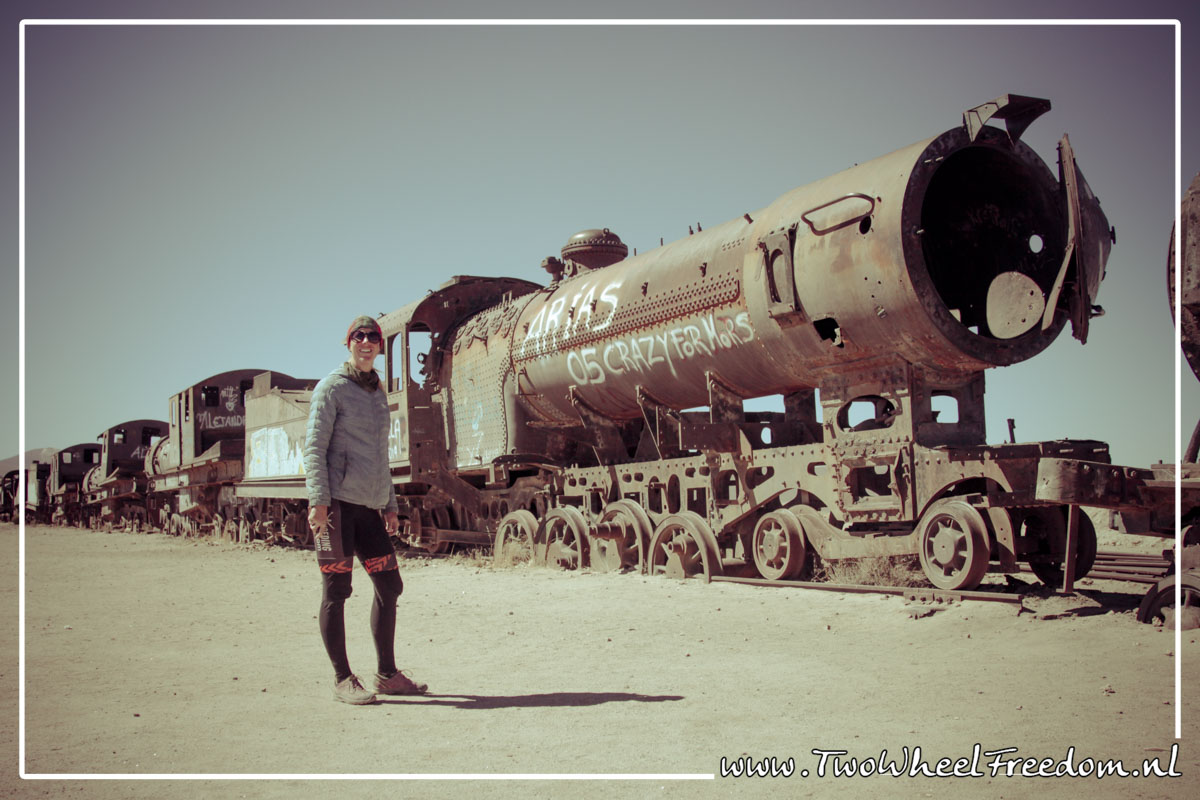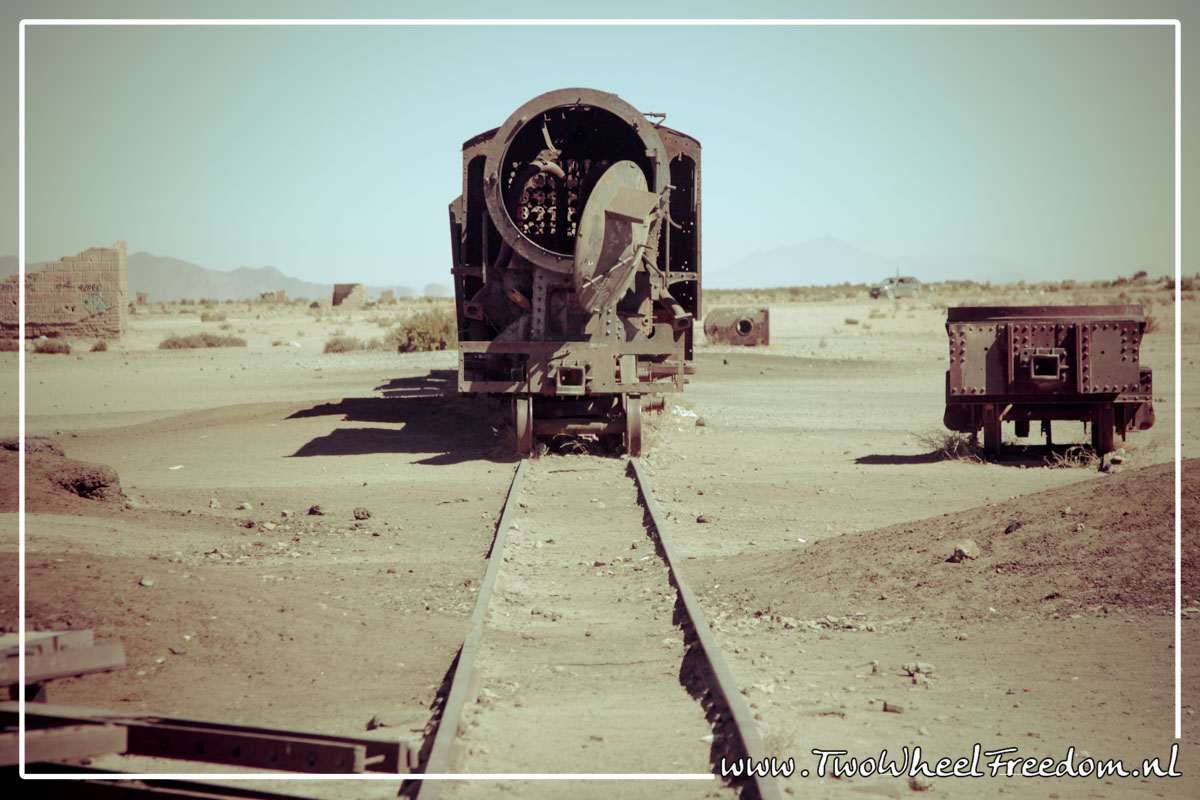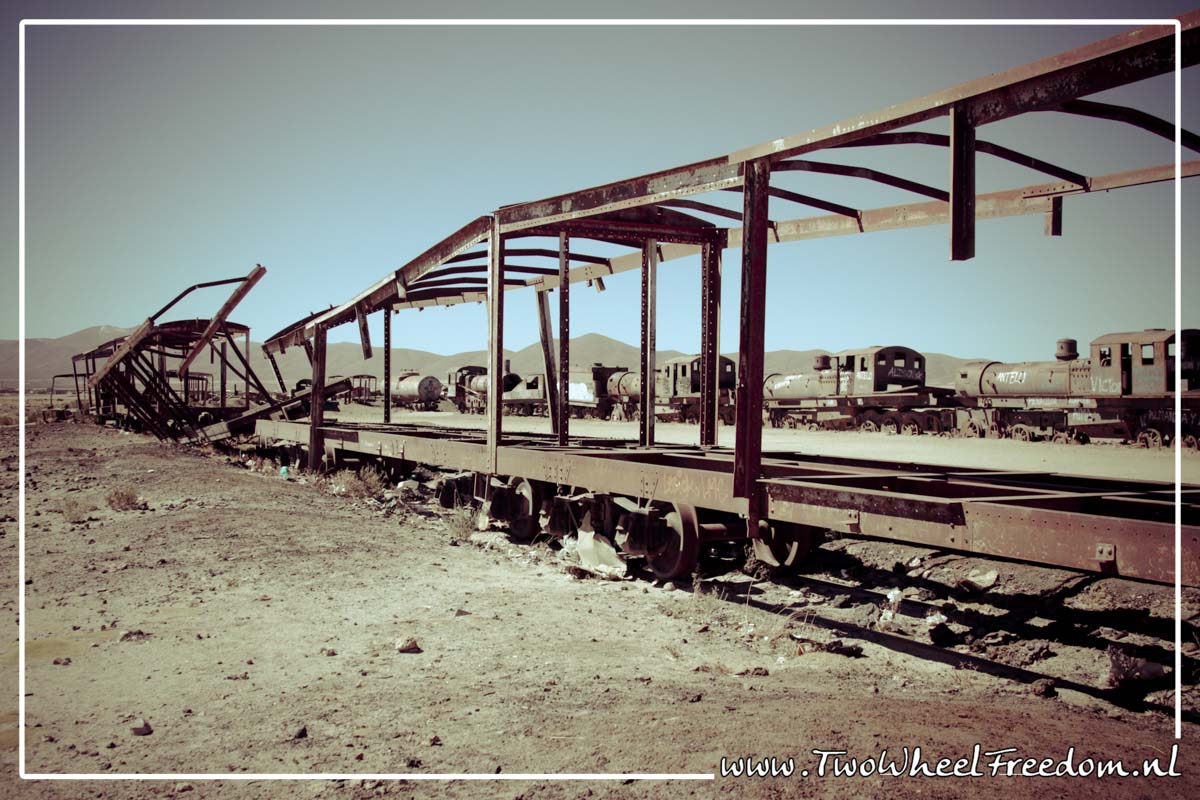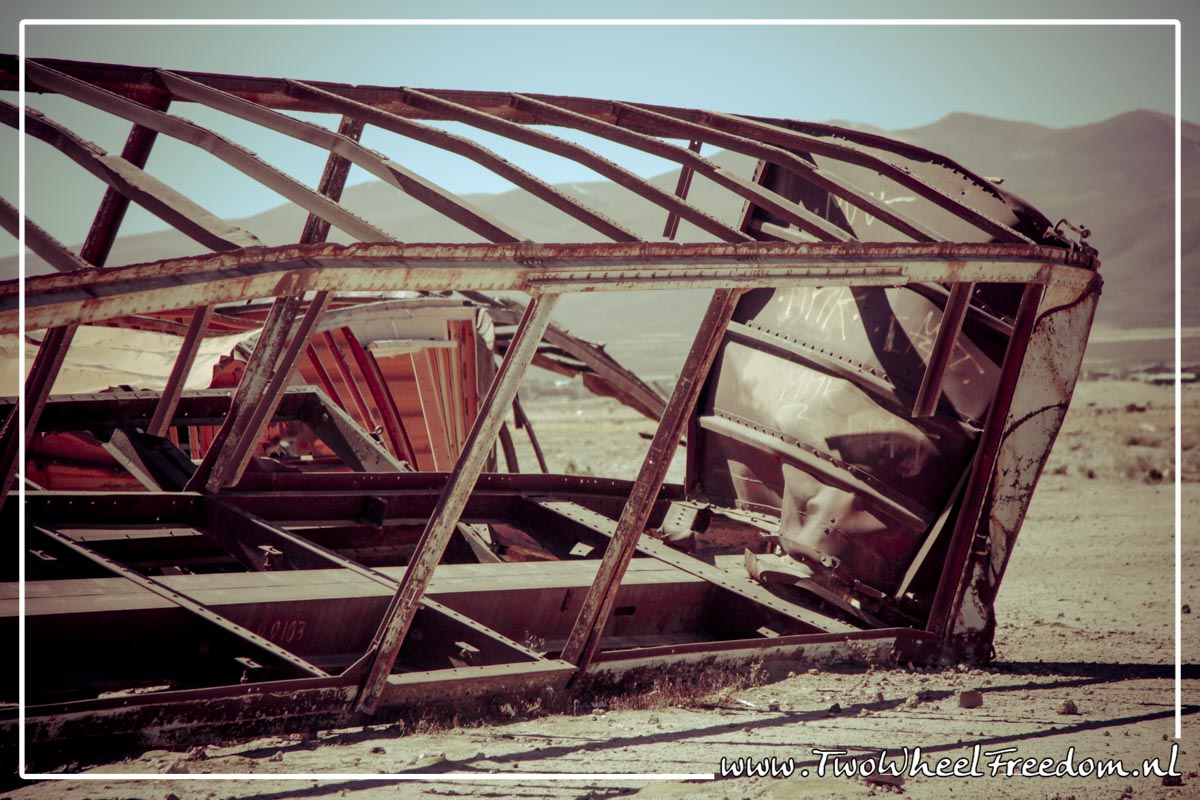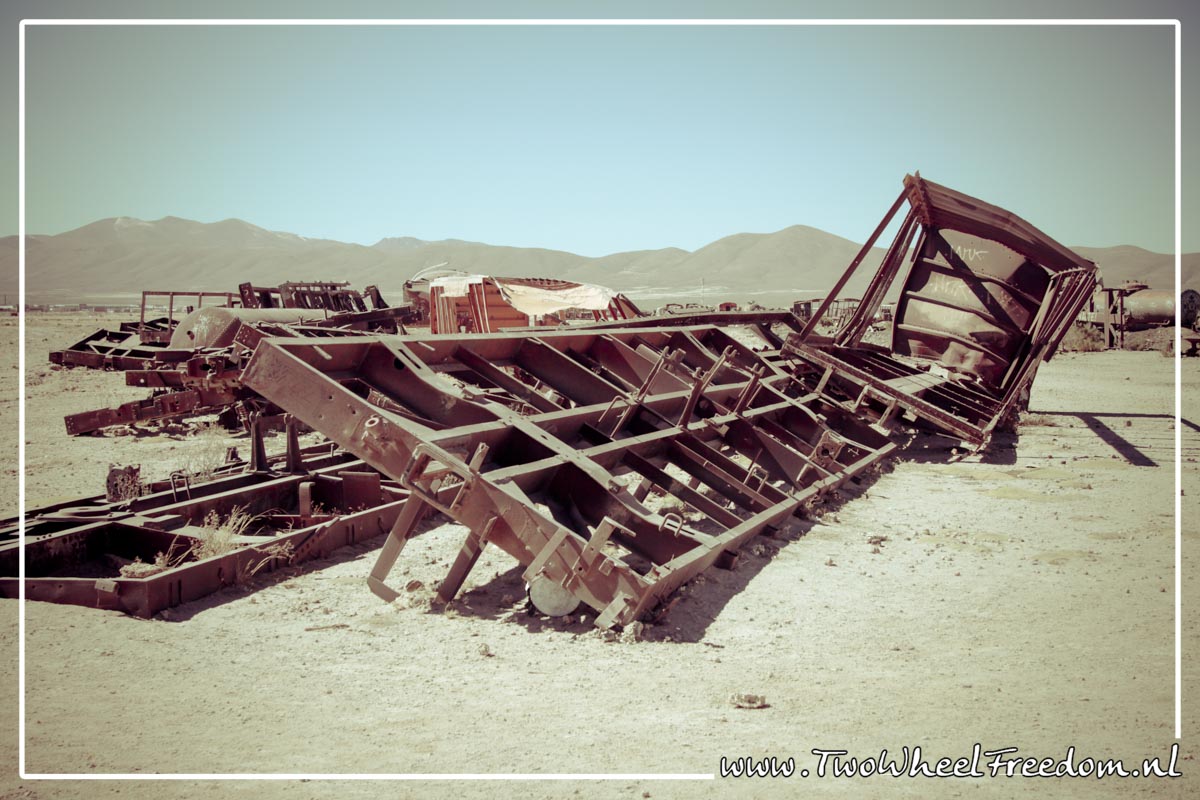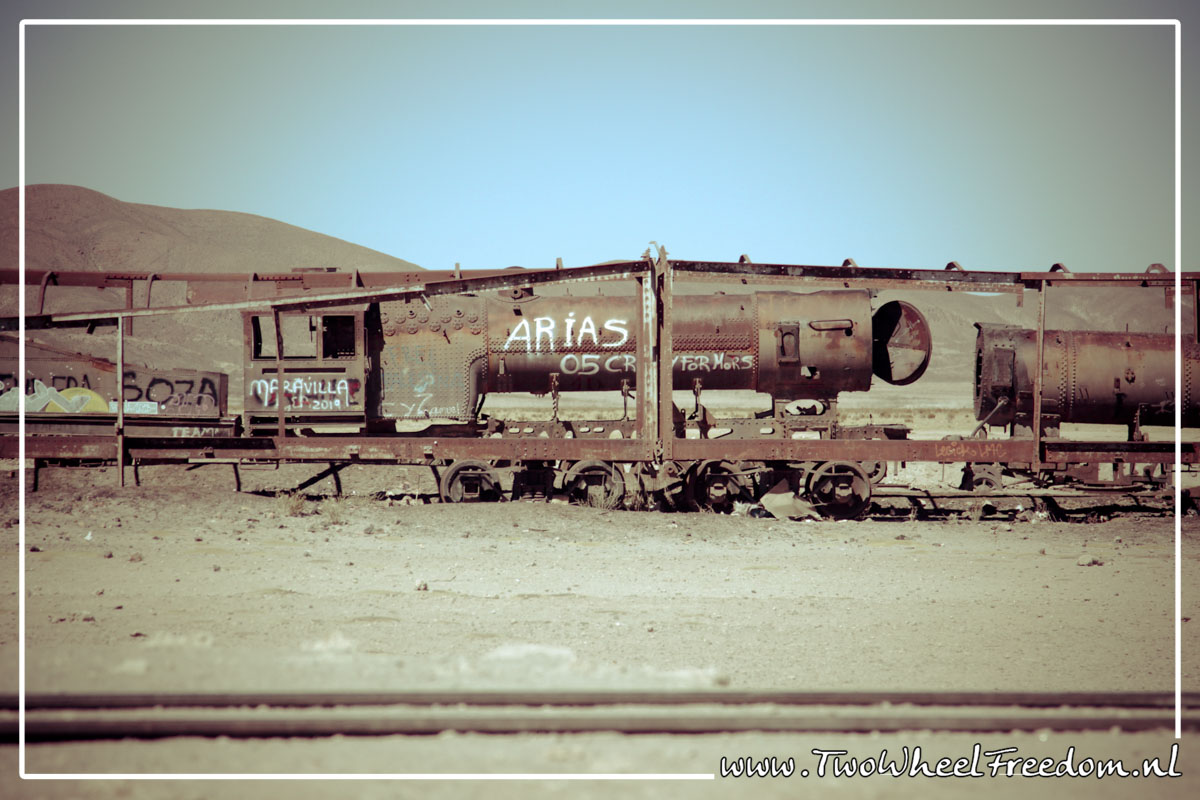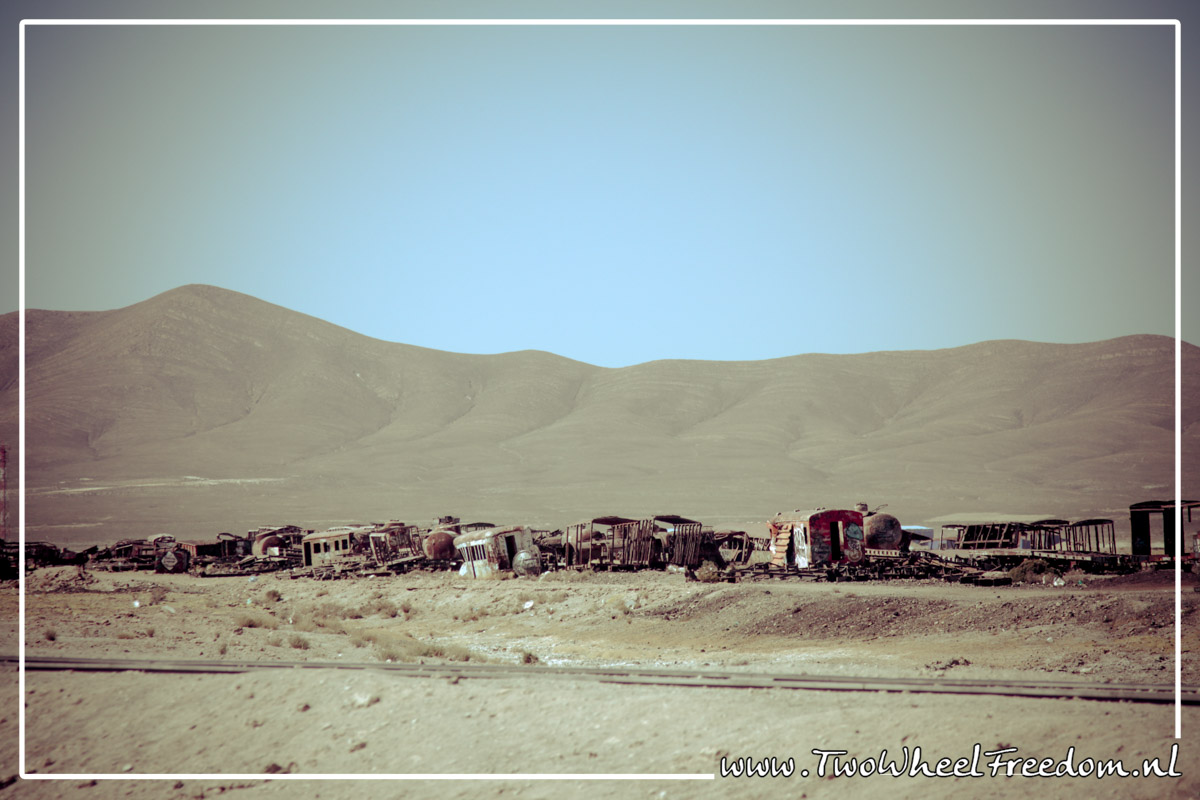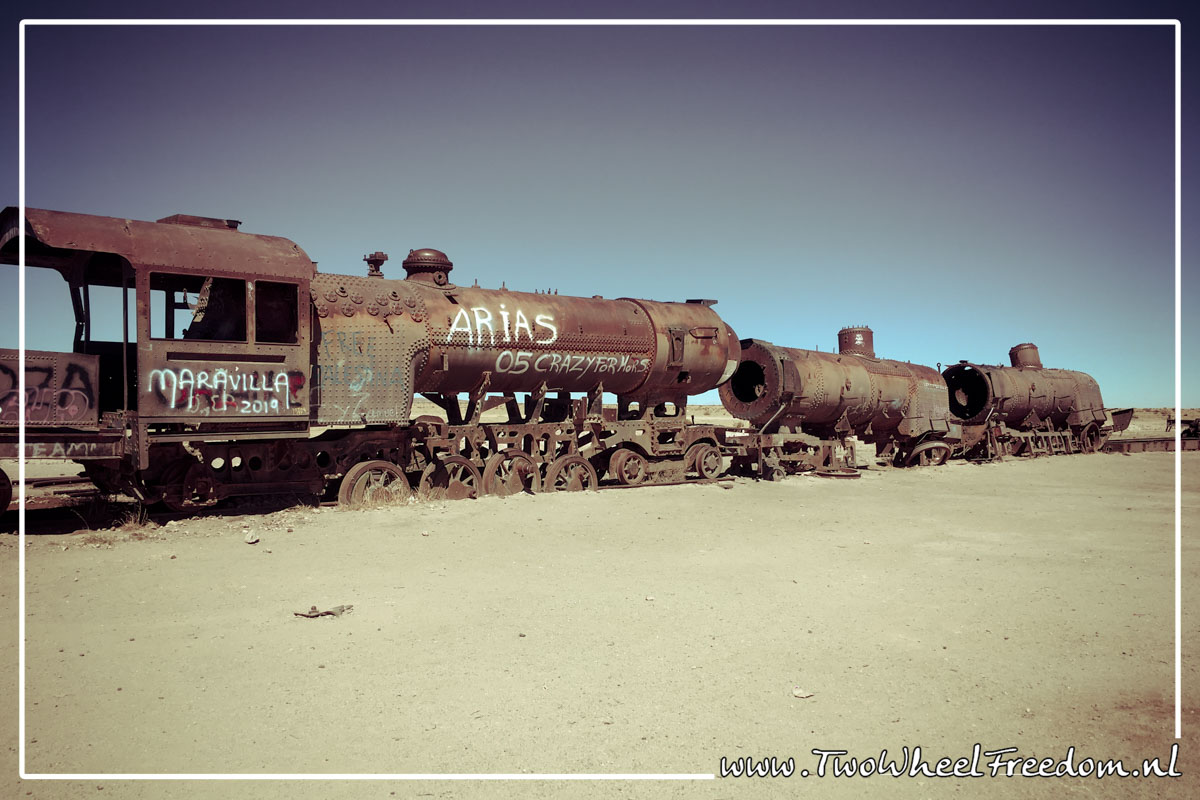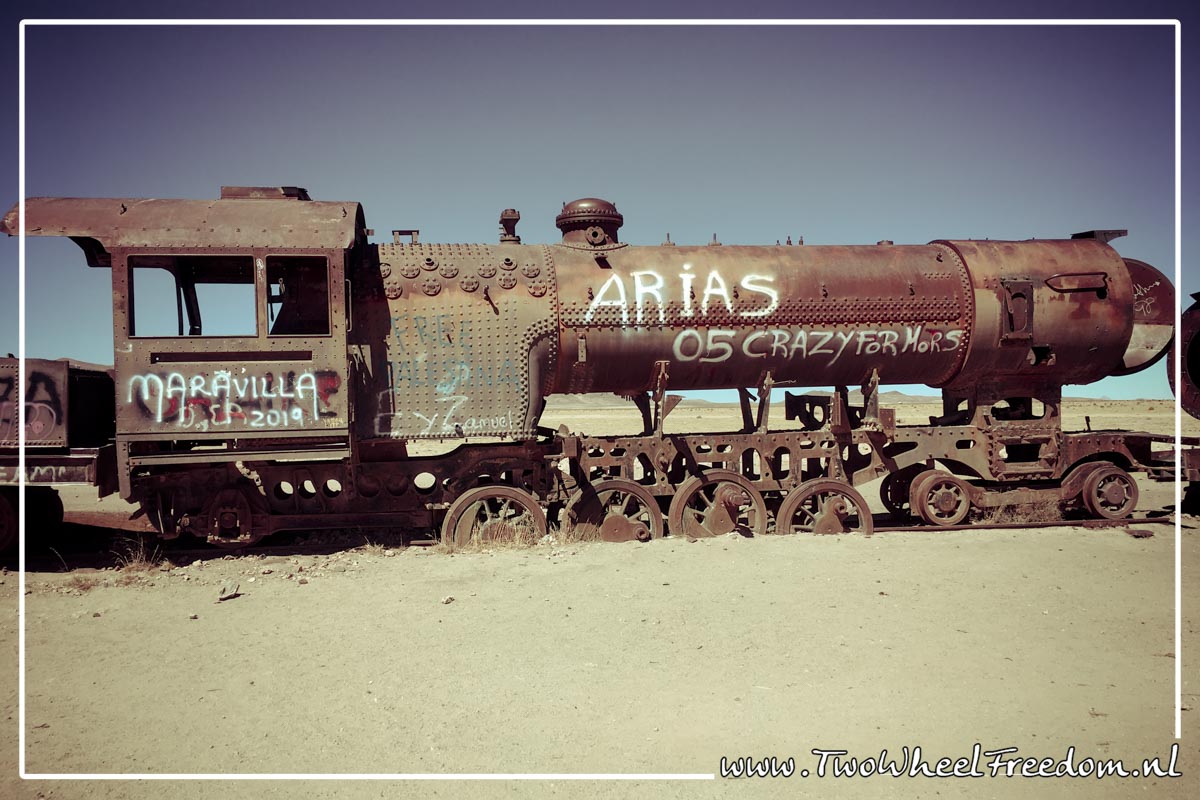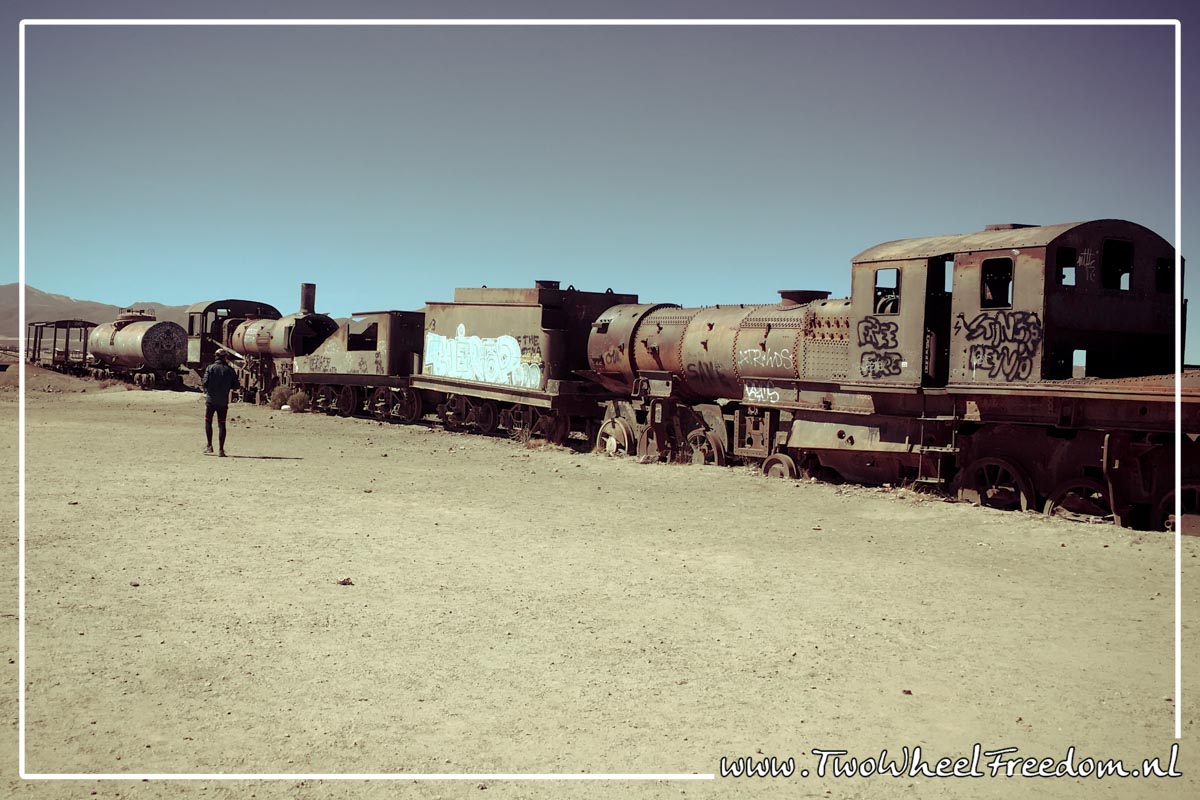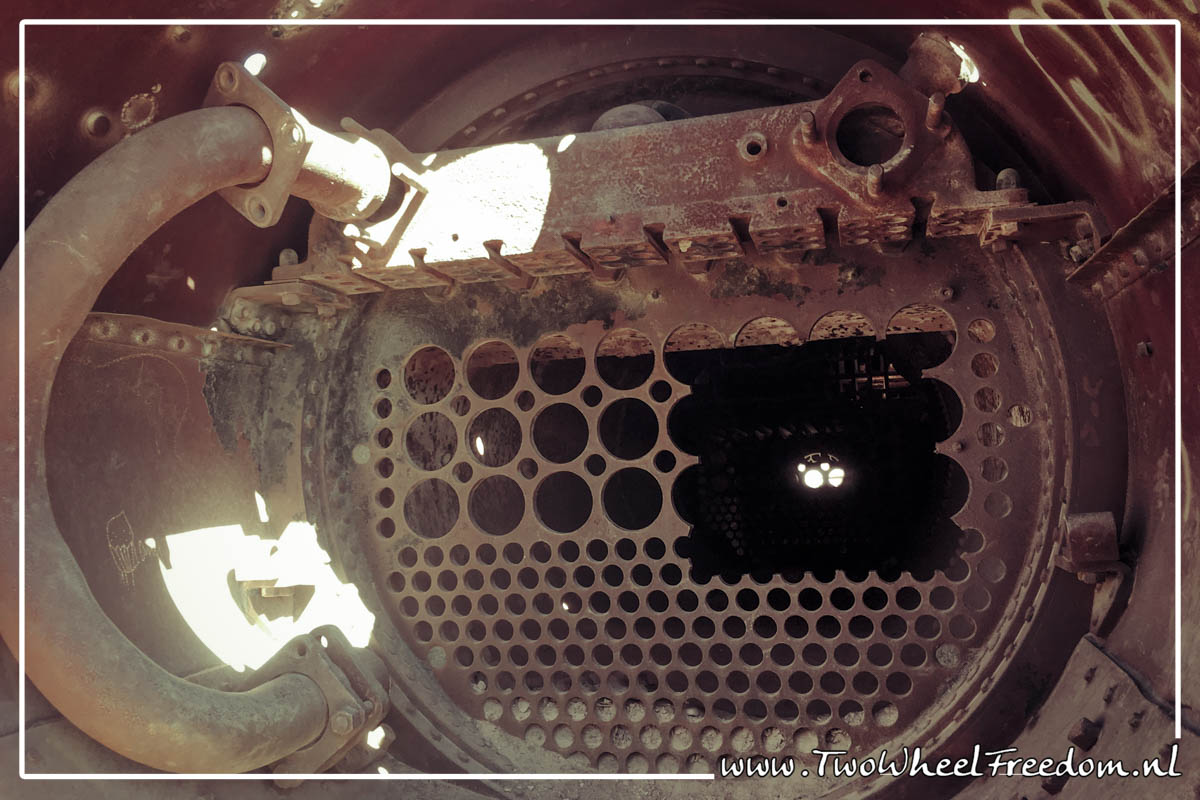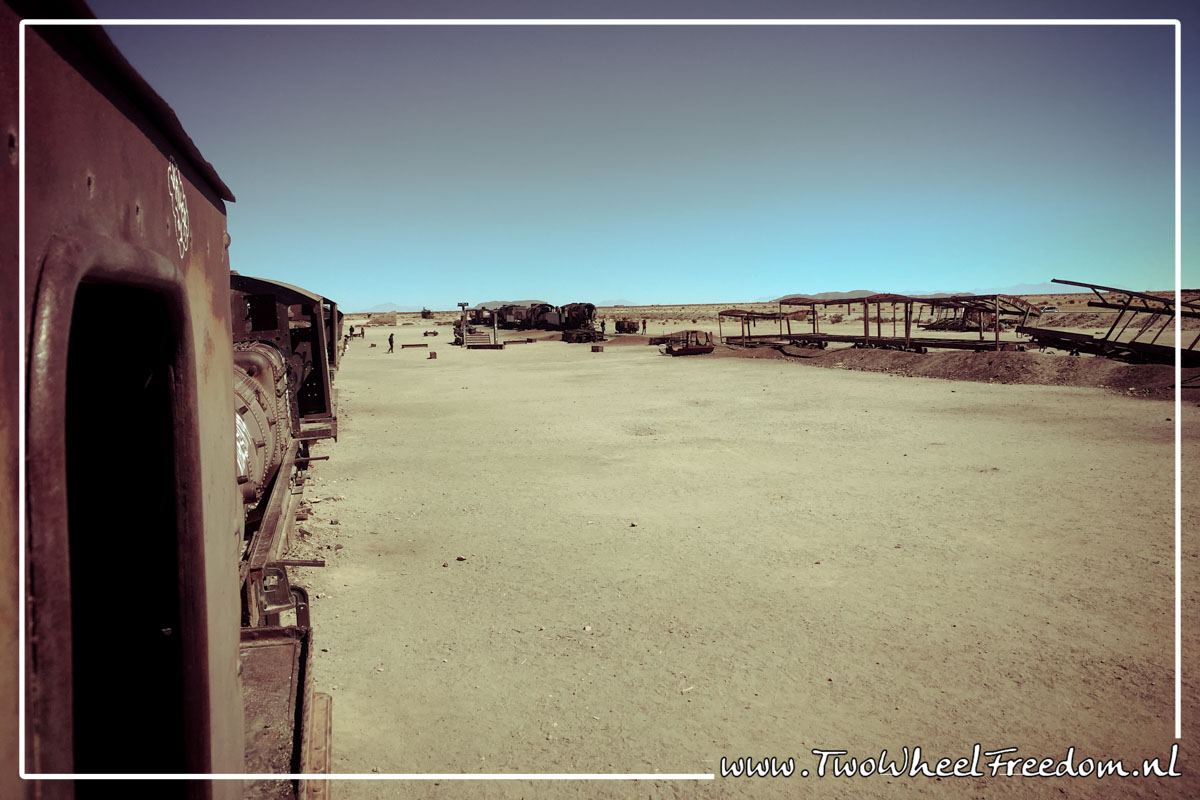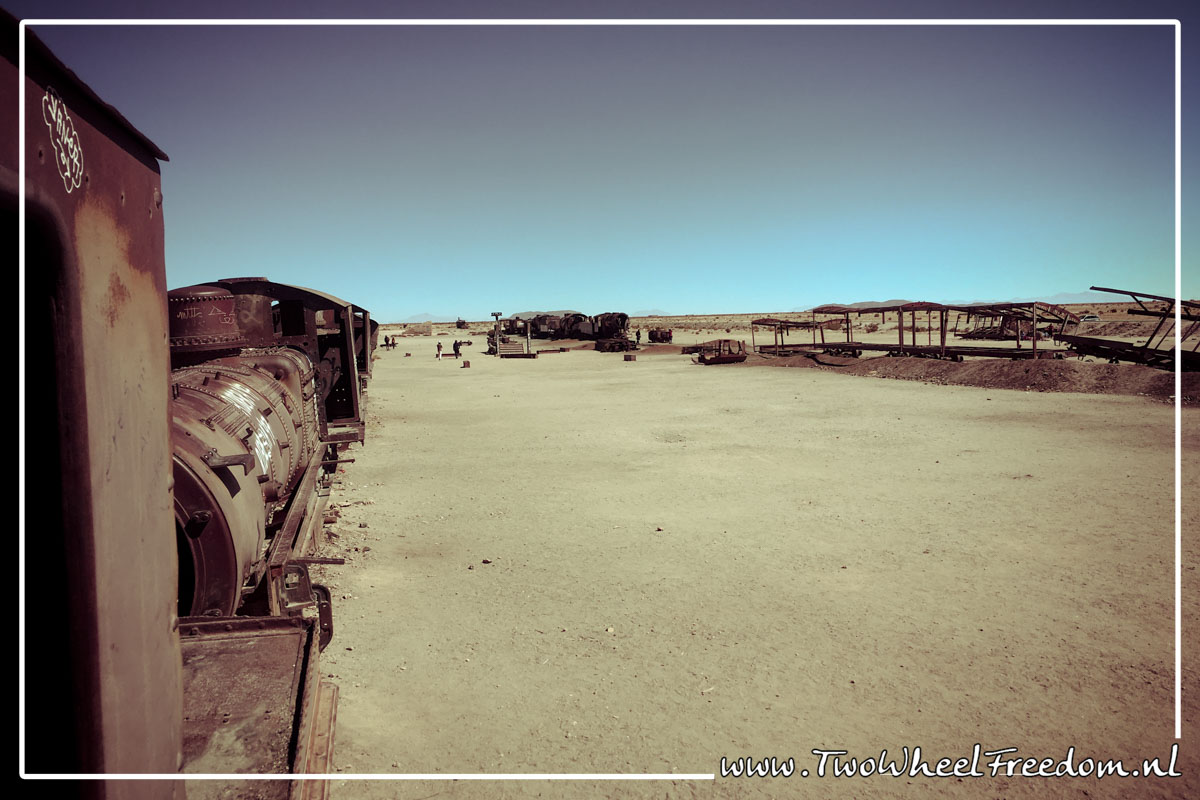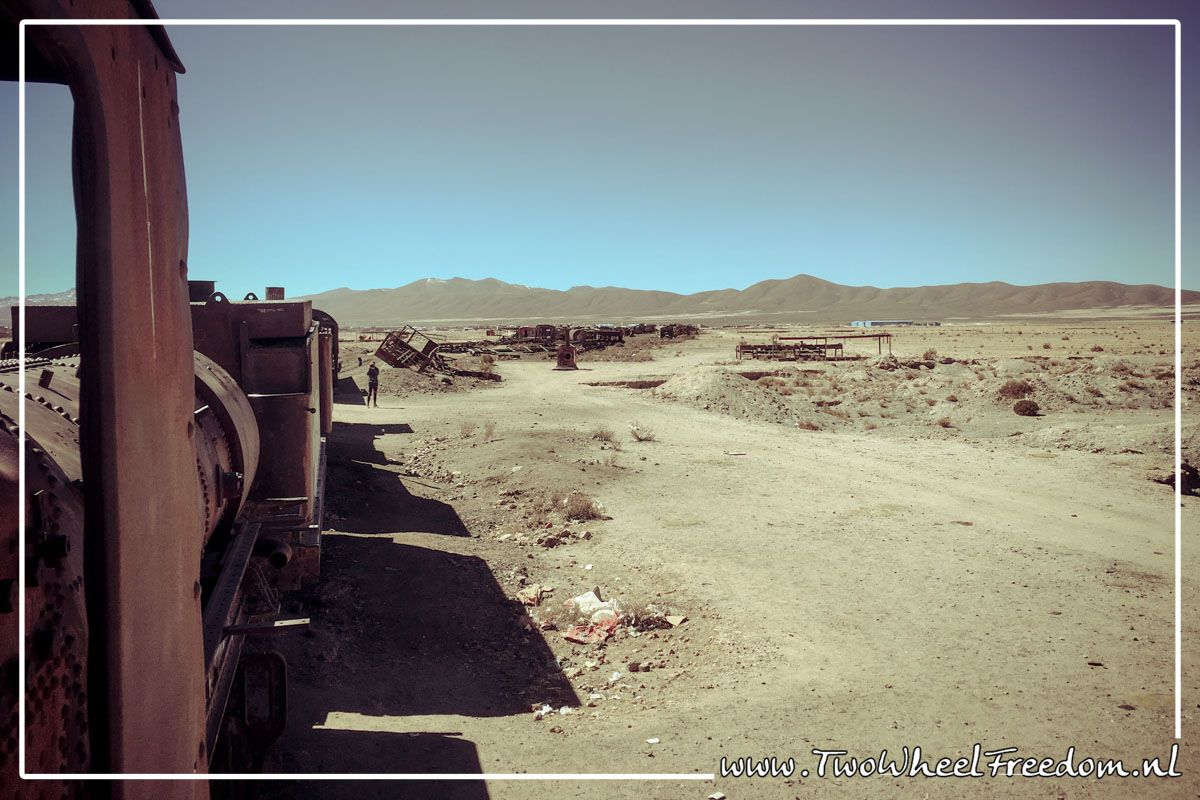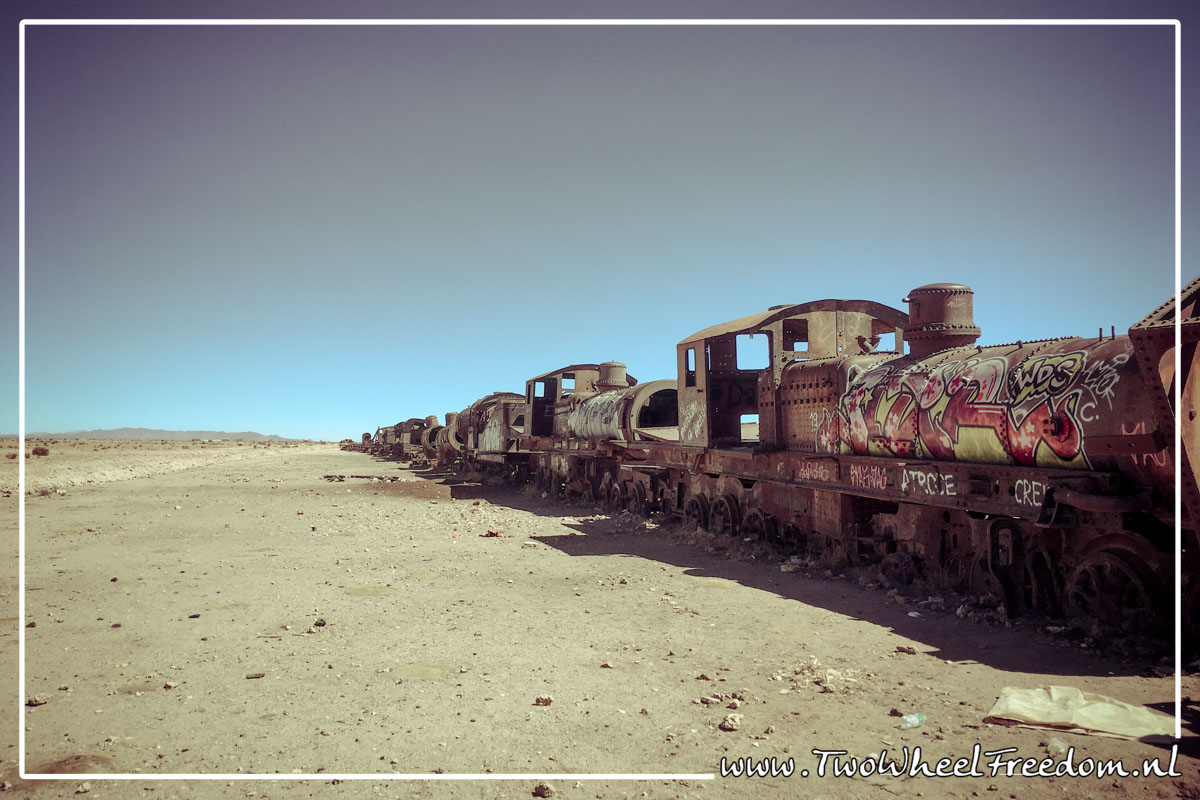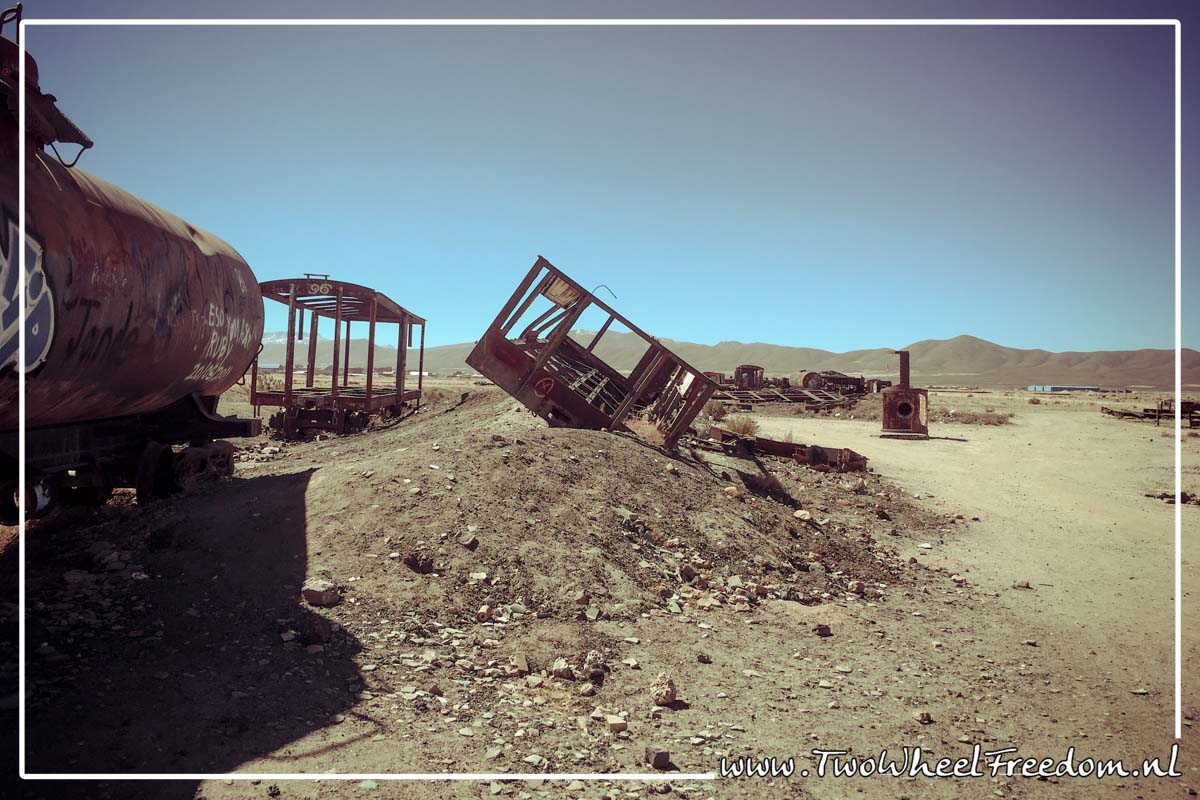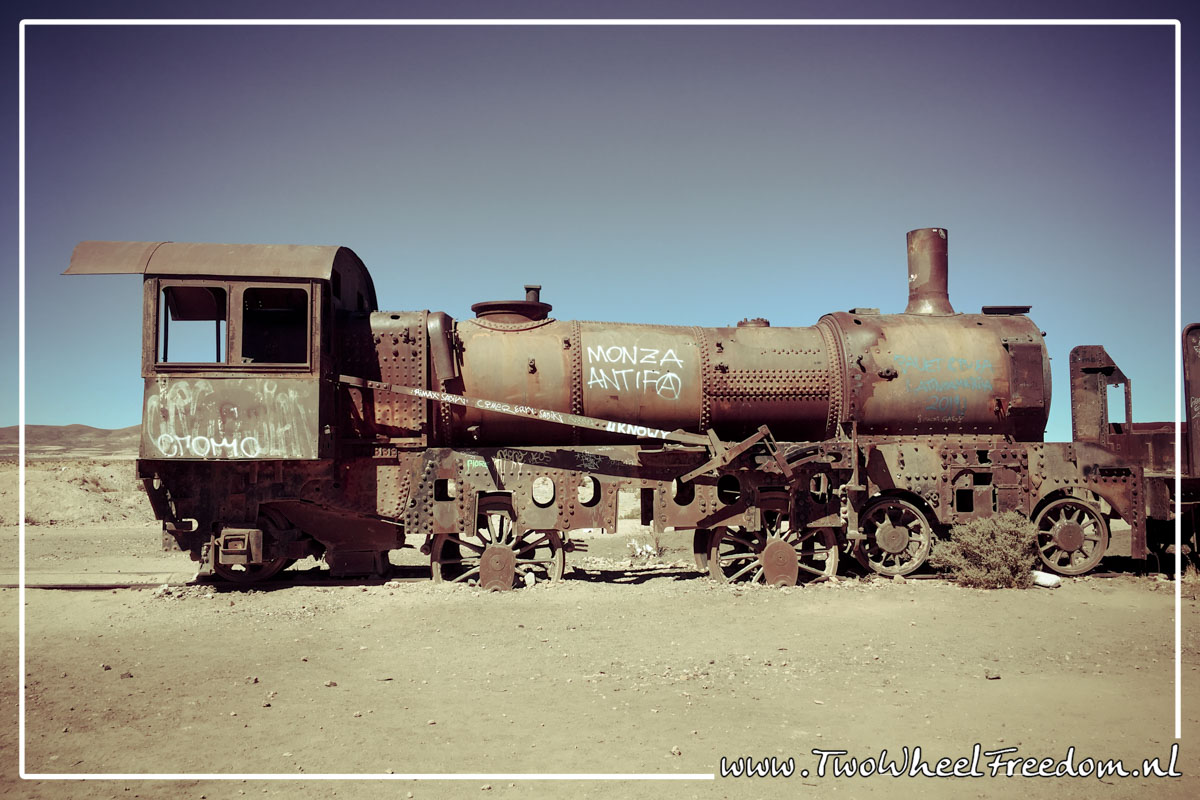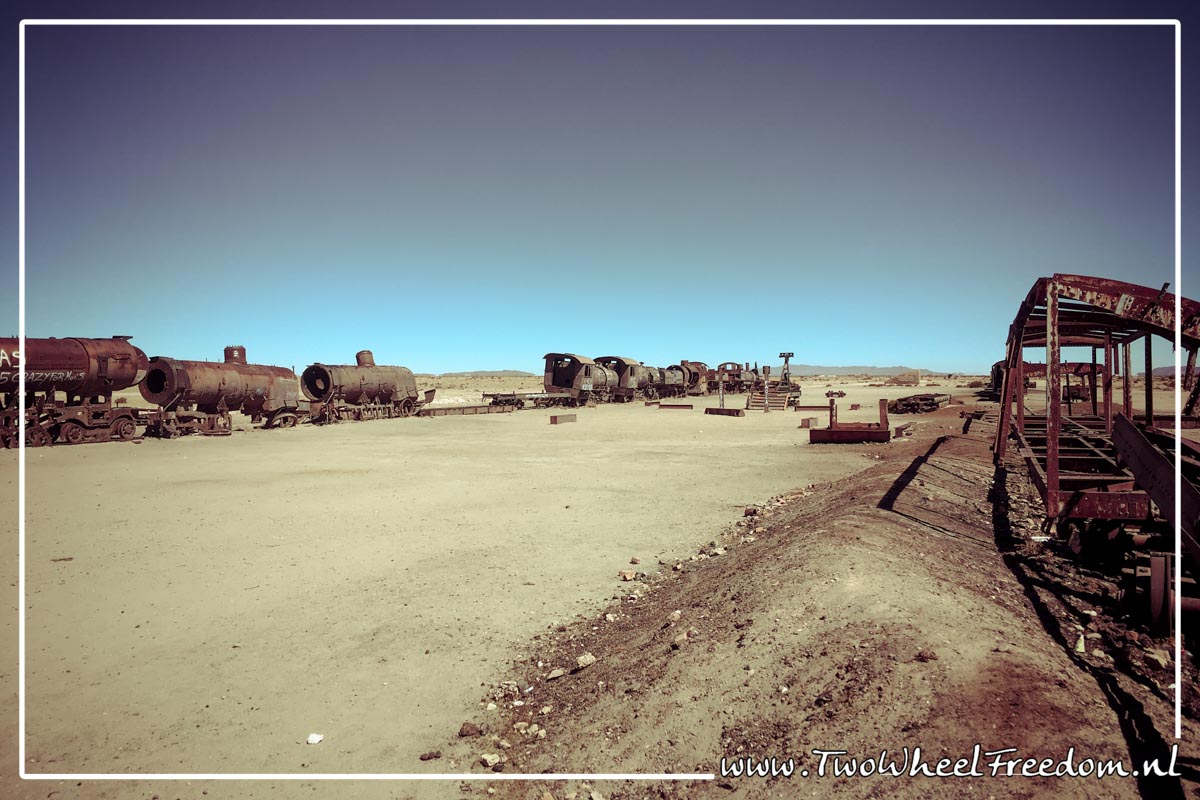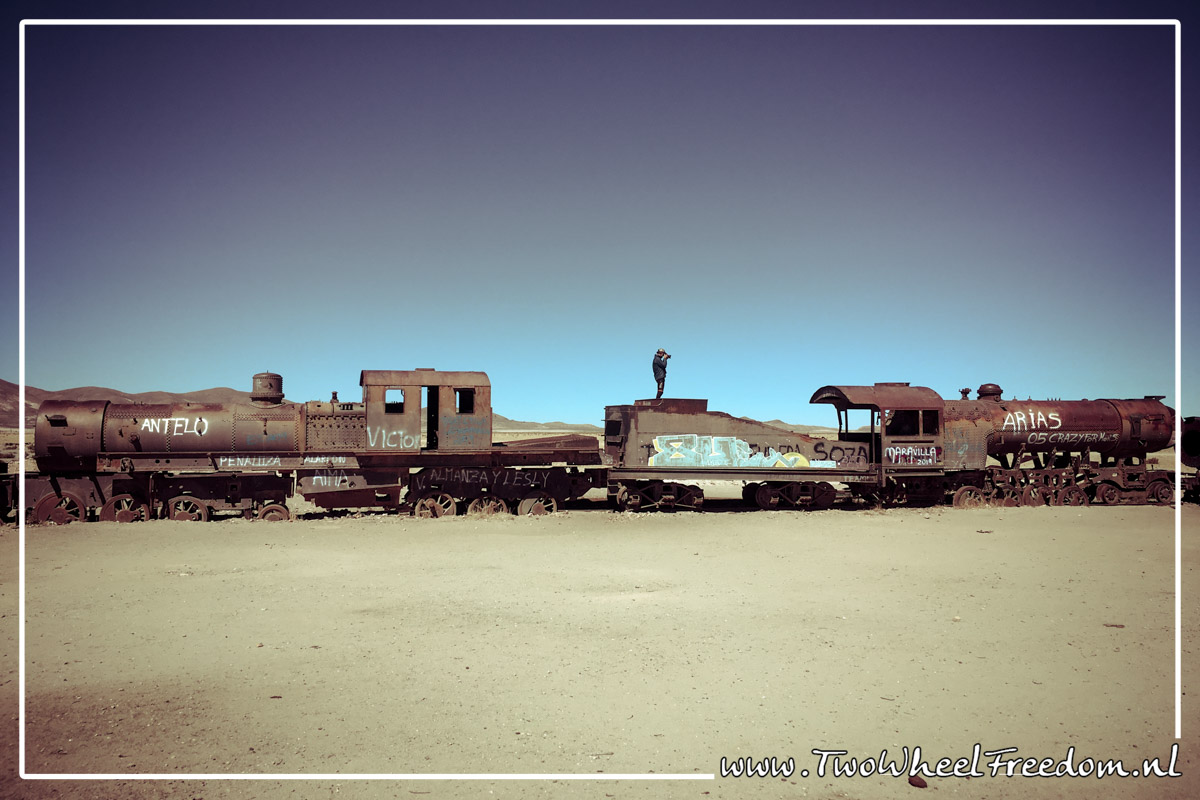Exactly one month after we came back home again our local newspaper the Tubantia posted a nice article about our cycling trip.
We searched for contact with the Tubantia when we where still in Ushuaia. Reporter Hans Brok replied instantly and just a few days after our return in Holland he took his interview in our apartment, which was still full of unloaded moving boxes by that time.
Author: 2WF Page 1 of 9
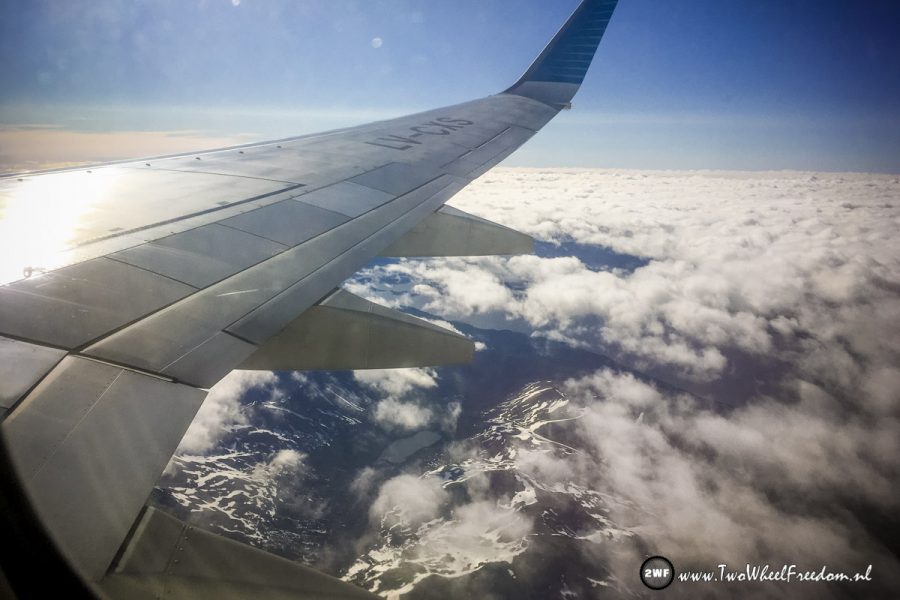
We arrived in Ushuaia a week before our plane to Holland departs. So one week to spend in and around Ushuaia. We tried to organise a Warmshowers host to stay with for this last week but unfortunately non of the eight addresses we wrote too in Ushuaia did respond on our request or did host other cyclists already. But this is no wonder since Ushuaia is a popular city to start or end a long distance cycling trip.
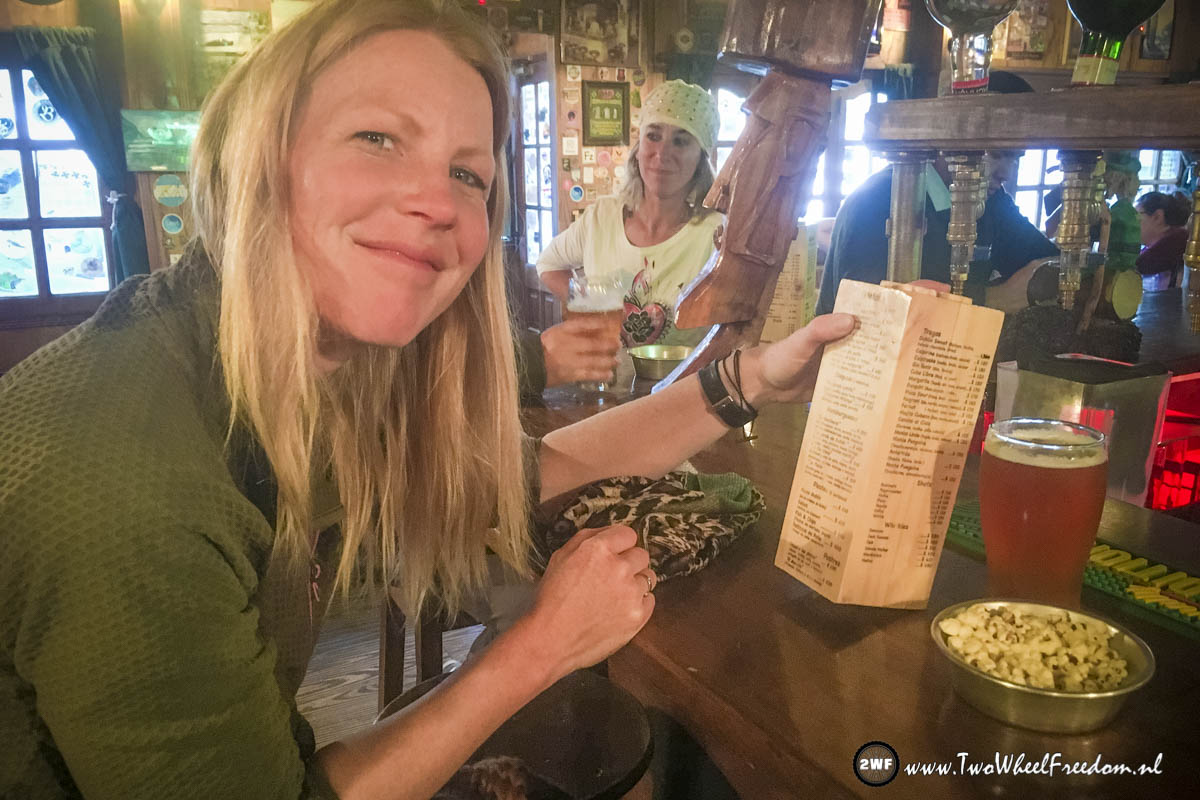

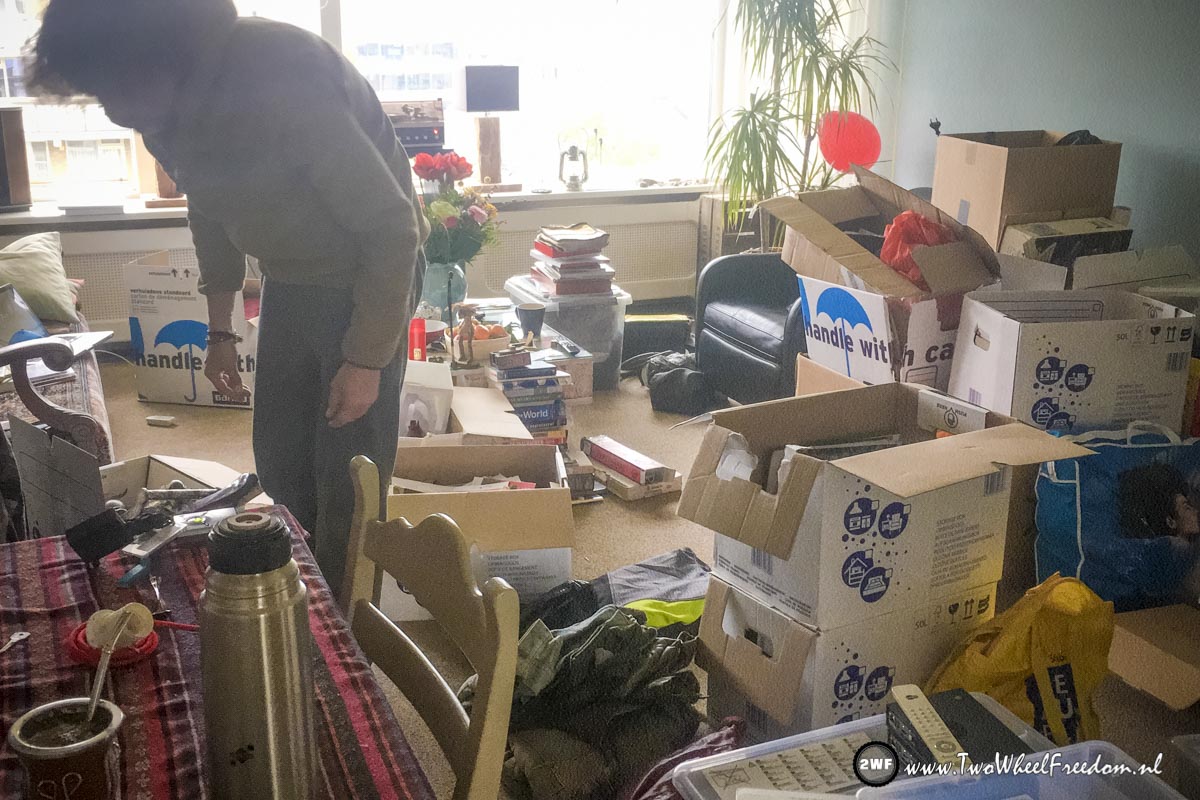

We organise a cosy AirBnB address to stay with.
The week flies by fast. We take a lot of rest, we organise bike boxes to transport the bicycles in the airplane and we discover Ushuaia. Kim also updated her portfolio since she has to find a new job back home.
Around town there are some pretty spots to discover but we don’t visit the National Parks or Glaciers around Ushuaia. I think we have seen enough of Patagonia and besides, the place is also very touristic and therefore expensive. Why pay a lot of money for something we have seen already many times for free?
The flight back to Holland did start full of stress because Arjan had to cut off a pedal from his bicycle at the airport. The rest of the trip home goes smooth.
Some statistics from the last 1,5 year:
– In total we cycled 22.323 km.
– Our trip was 566 days of which we have cycled 337 days.
– We did spend 1.438 hours in the saddle.
– Our average speed was 15,52 km p/hour.
– Our average day distance was 66,24 km p/day
– Elevation gain 147.278 meters. (We cycled 16,64 times up the Mount Everest)
– Elevation loss 150.148 meters. (We downhilled 16,97 times Mount Everest)
– With the two of us we just had 29 flat tires.

An Irish pubs in South America usually doesn’t serve Irish beers like Guinness but this one in Ushuaia does serve pretty good Irish dishes. (But no Irish beers)

Getting off one of the paddles was a big problem at the airport. Arjan ended up shewing it off to fit the bike in the box.

After two days in an empty apartment back home we bring back in a lot of our stuff. Moving boxes everywhere.

A quote from our local comedian Herman Finkers about cycling is new in town we discover. A good quote to move on from the point we are in our lives at this moment. Tnx Herman.
By bike
Sometimes,
When I’m on the bicycle
cycling,
then I sometimes think
nothing is wrong with me.But when I think
Then I think:Don’t think too much if you can
because you have to go even further.Herman Finkers
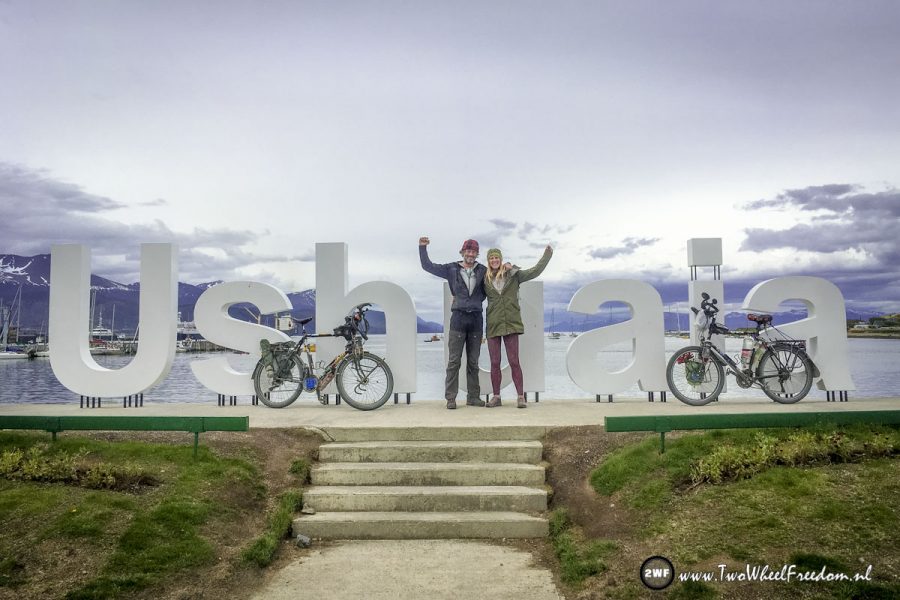
After we finished the Carretera Austral in Chile we took a ferry to Puerto Natales. (Still in Chile) In the Puerto Natales area we did the Torres del Paine hike. Stories and pictures can be found in a previous blog.
From Puerto Natales we are going to cycle the last part of our trip. Tierra del Fuego, Land of fire. It's a very empty part of the world, a bit like Alaska where we started this trip but also a lot different at many points.
We meet the notorious extreme hard winds, empty pampas and extraordinary wildlife. We try to camp as far as the wind or shelters make it possible.
At the Chile-Argentina border they discover incorrect stamps in our passports but they also give us food for on the road.
In the last kilometers of our trip we eat loads of empenadas, we ignore fences and we skinny dip in one of the most southern lakes of the world. Brrrrr.....
Have fun reading.
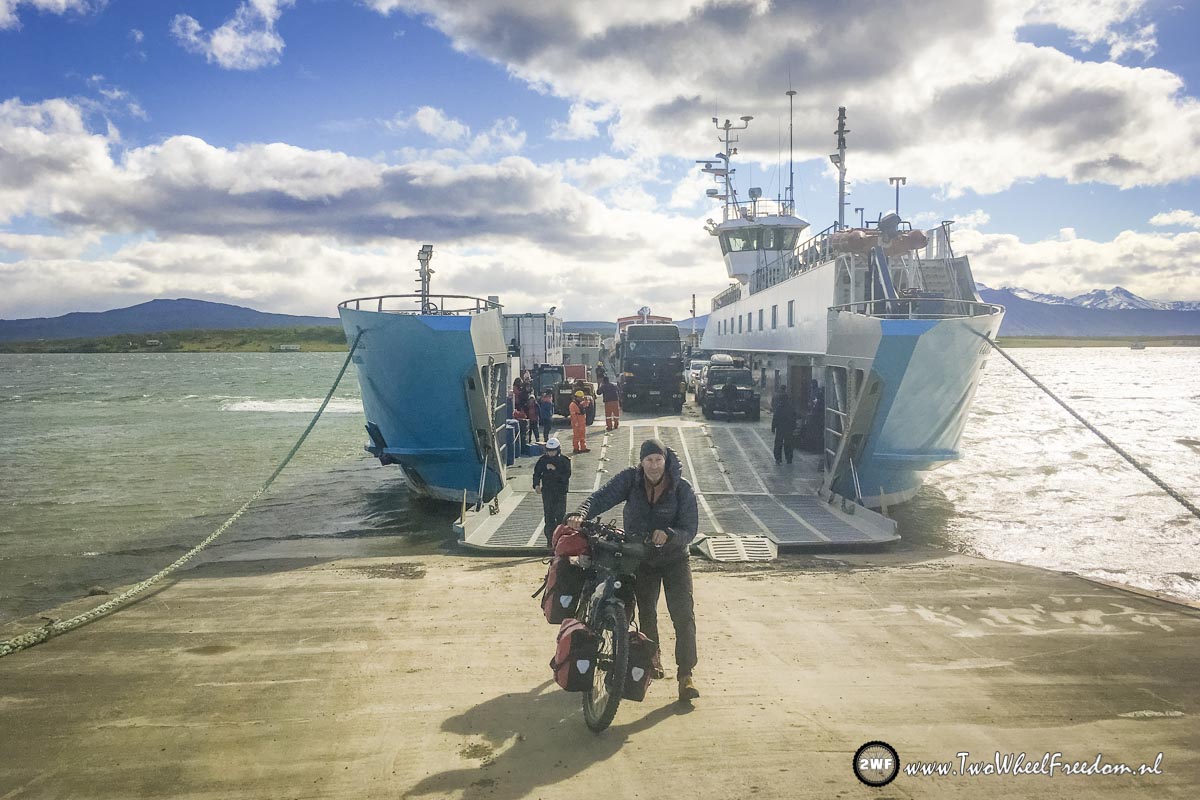
Together with Jacinta and Frank from @Spinningsouth we are leaving the ferry, coming from the Carretera Austral at the town of Tortel.
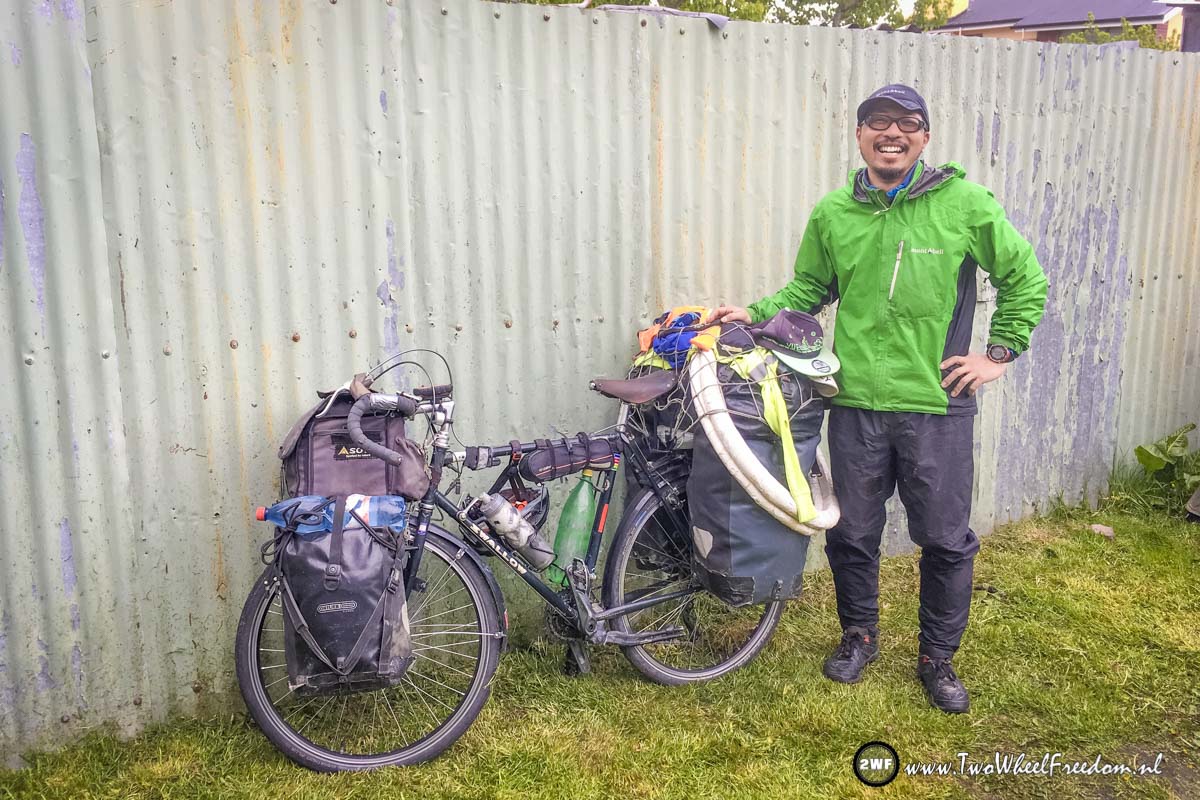
Our Japanese friend Yasuhiro. He started his cycling trip in Canada, cycled to Ushuaia and from here he will fly to Spain, cycle through Europe followed by Africa. From there he will cycle back to Japan in the coming years.

Also some Belgian overlanders in the hostel. Traveling by 4x4 from Suriname to Ushuaia and back to Suriname.

Small huts along the road to wait for busses. We use them for having lunch, away from the harsh winds.
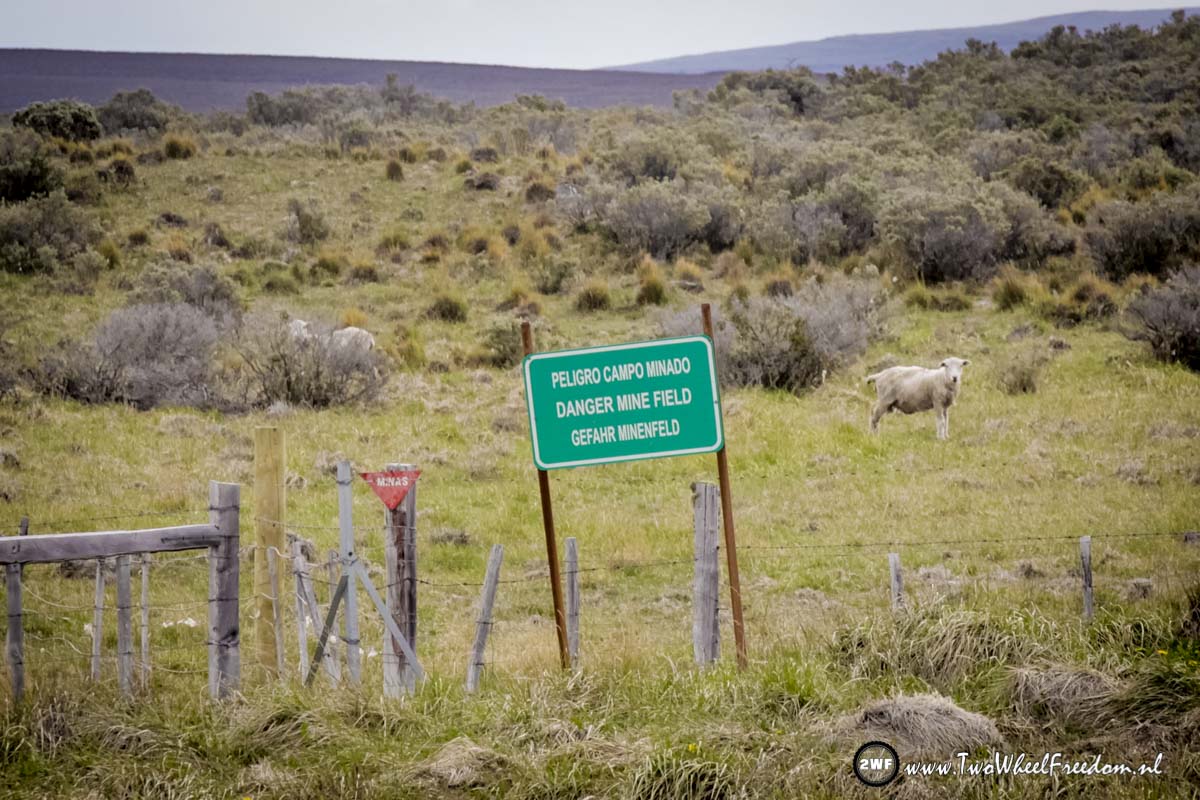
!!.Danger Minefields.!! The sheep are still alive so maybe we can camp in the same fields as well? Nobody will disturb us I guess 😀
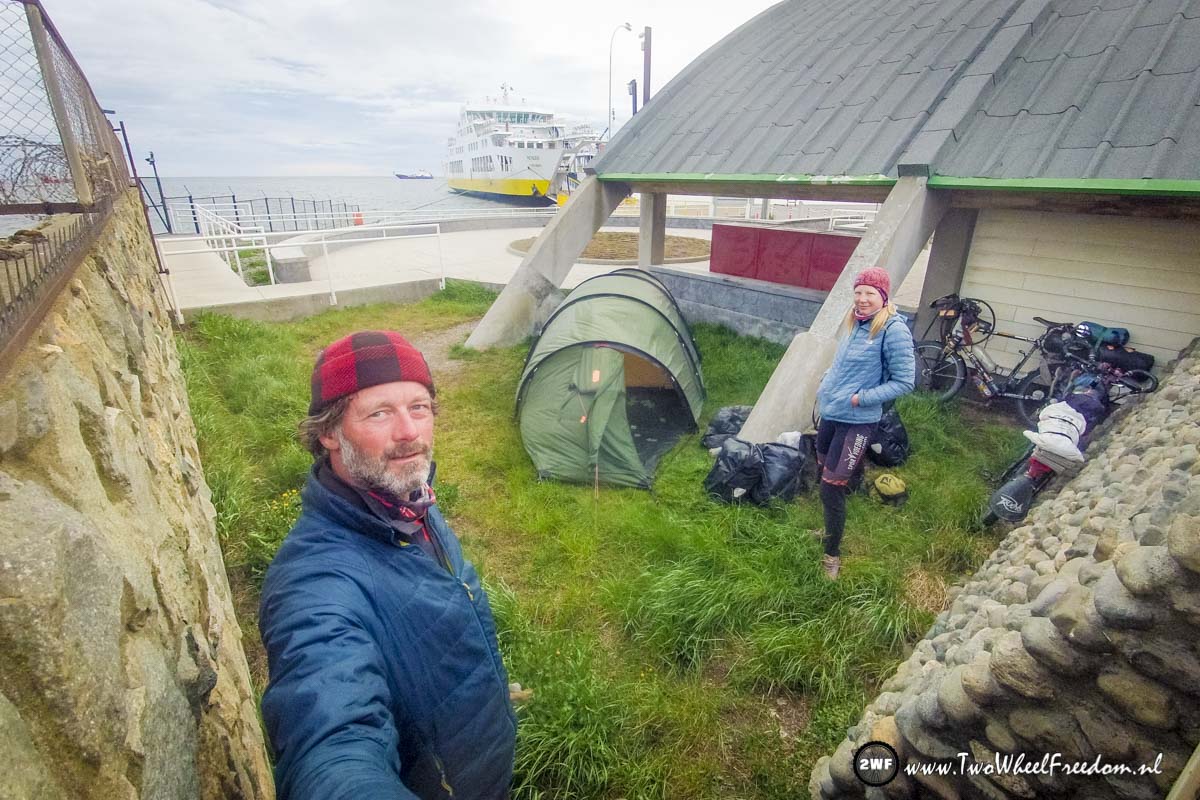
In Punta Arenas we have to take a ferry to Porvenir. We have to wait till the next day because there is just one ferry a day going. We camp straight behind the ferry office and catch the ferry the next morning early.
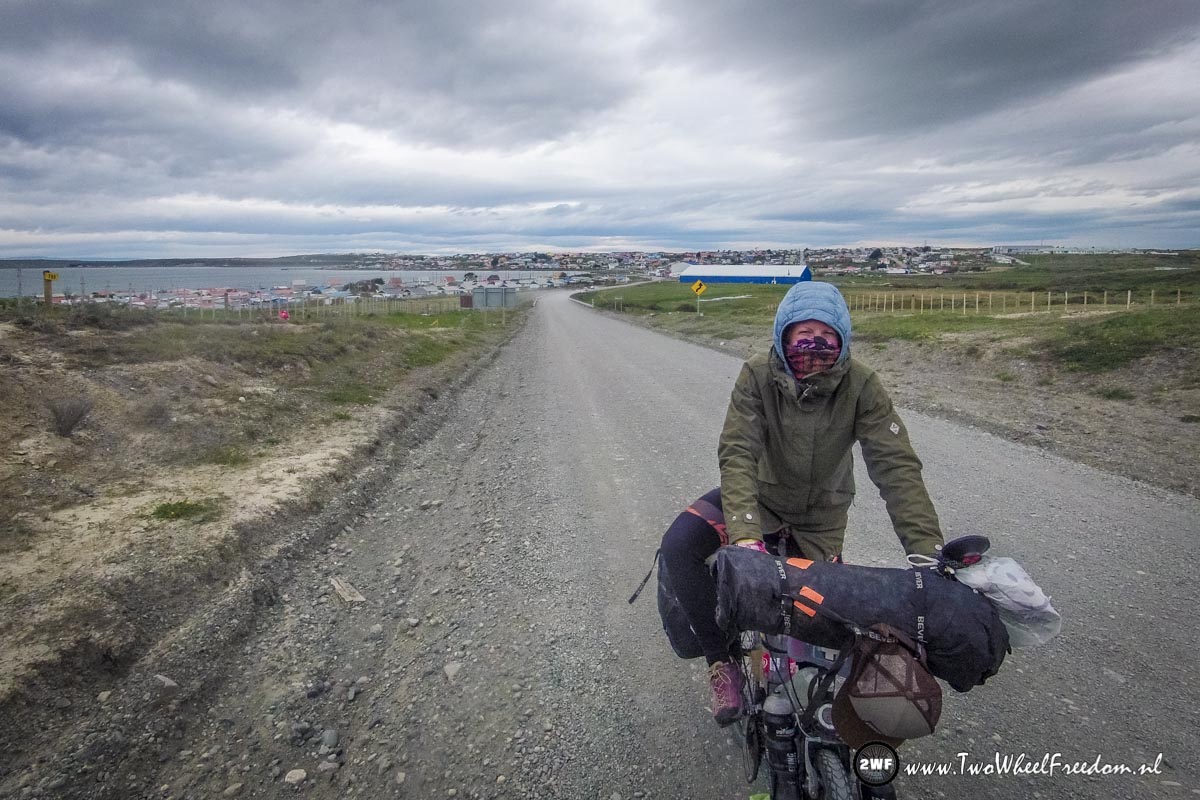
The do some last groceries in Porvenir and leave it behind us. The next five days there will be no town or shops at all so we had to buckle up enough food.

It was hard to find a camp spot away from the hard wind. This is the second place where we tried to put up our tent. At the first spot the wind was still too hard to put up our tent. One of the tent poles is still bend from this try 🙁
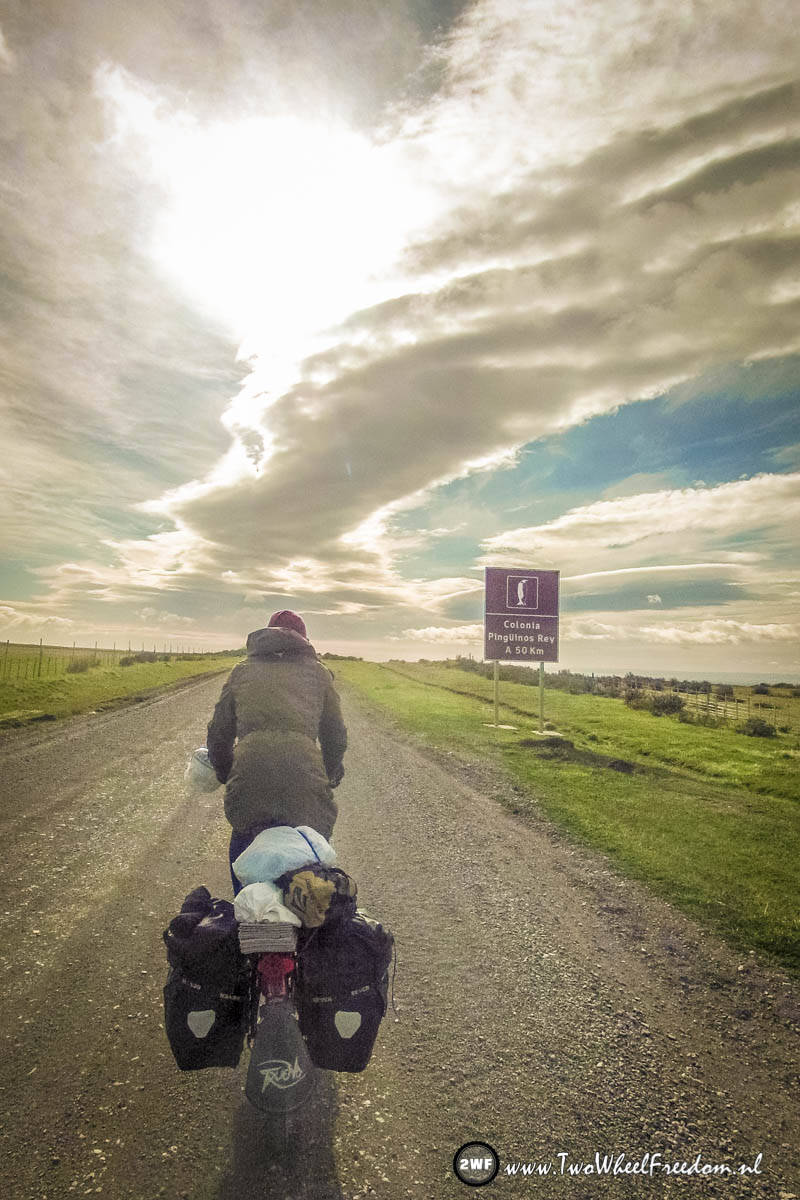
One of the reasons we took this remote and empty road is because we wanted to visit a national park with King Penguins. Now just 50km ahead.
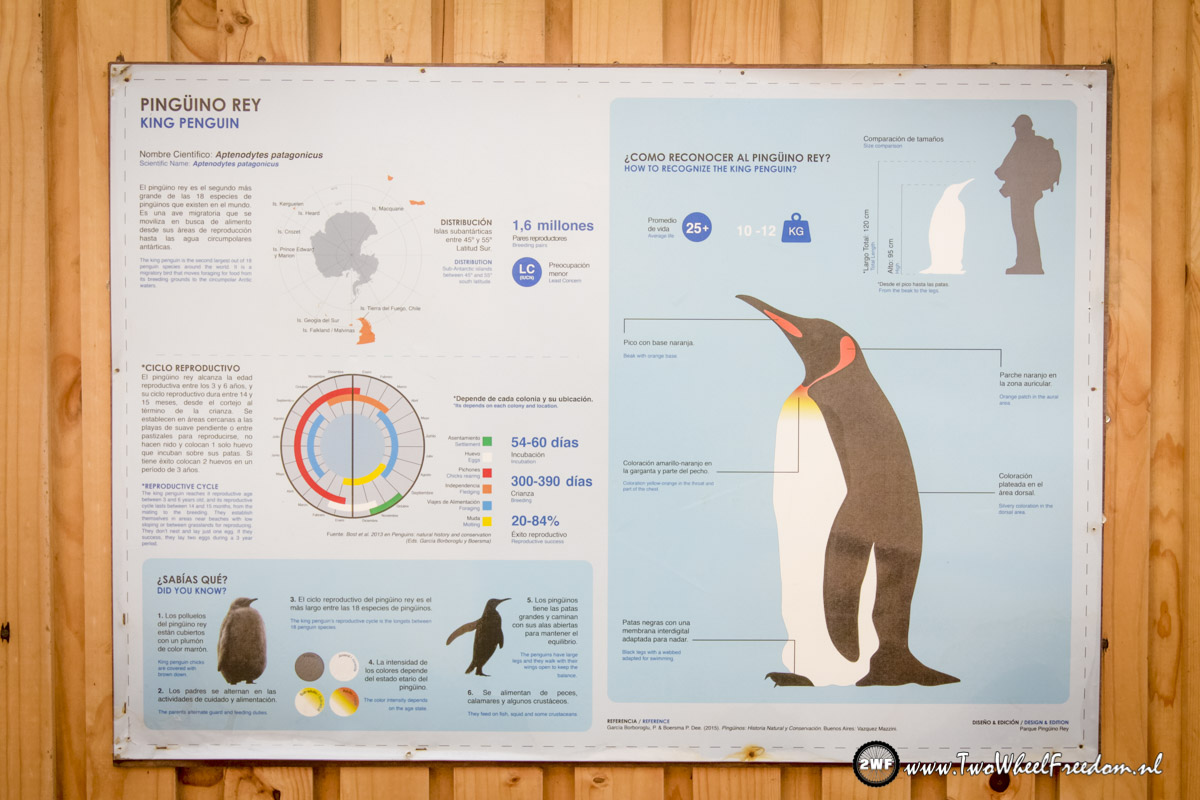
The King Penguins: Adults are 1,2m high, babies 95cm. This colony counts 300 till 400 penguins. The day we where here they counted 60 of them.
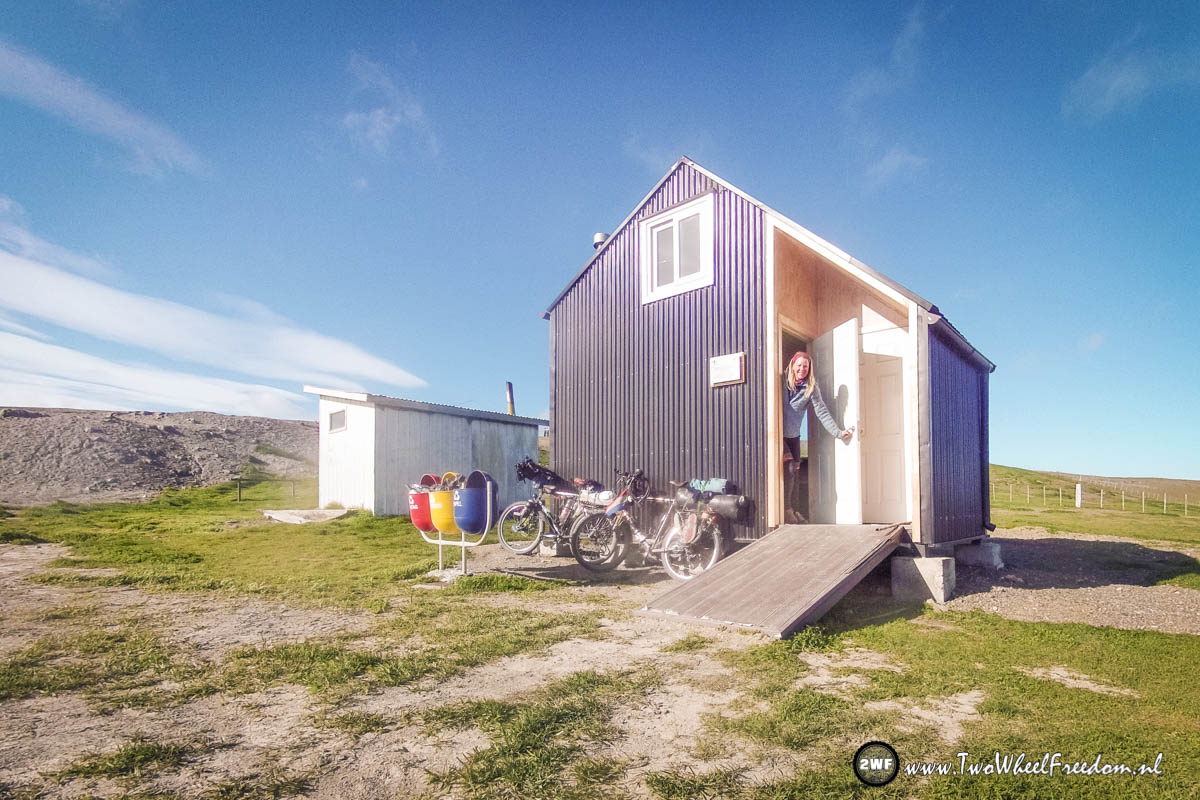
Close to the national park filled with penguins there is a free brand new shelter specially for tourists to sleep in, away from the wind and bad weather.

At night we camp in a (too) small shelter. But we had too. The wind was to strong to camp outside the shelter.

At this part we have tail wind. So hard we were cycling 35km an hour on these gravel roads easily. That's the fun part about a hard wind.
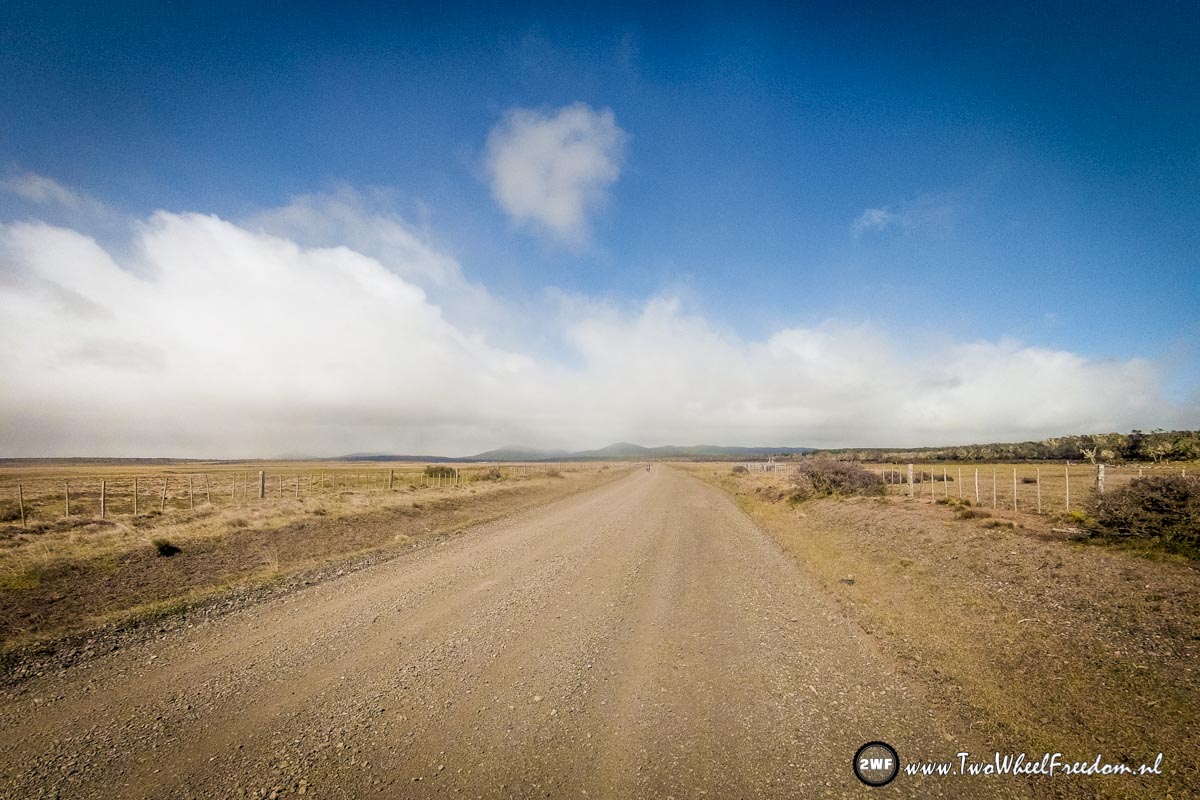
Trange weather. 10 min after the snow the sun comes out again. They often say. 'In Tierra del Fuego you can have four seasons in one day.'
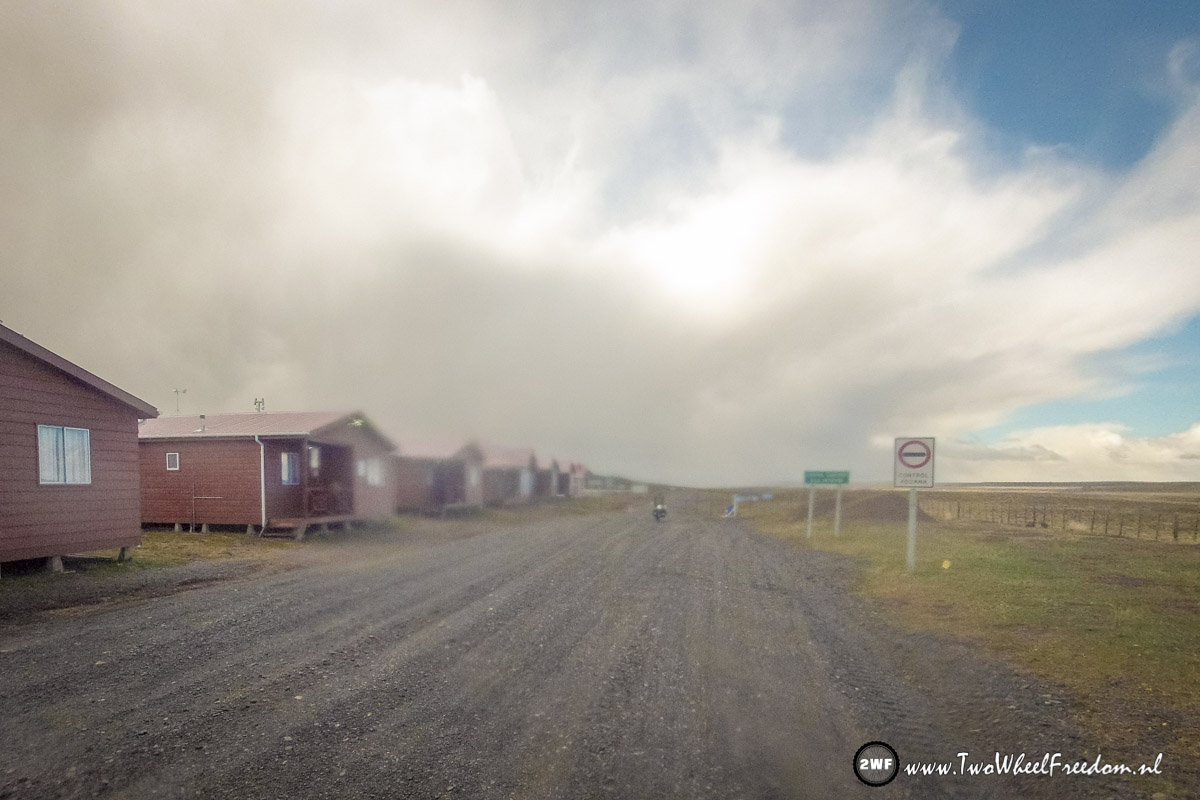
Haha, this is all. Just a few cabins for the guys in in the office. The last cabin in the row is the office where we had to get our passports stamped.
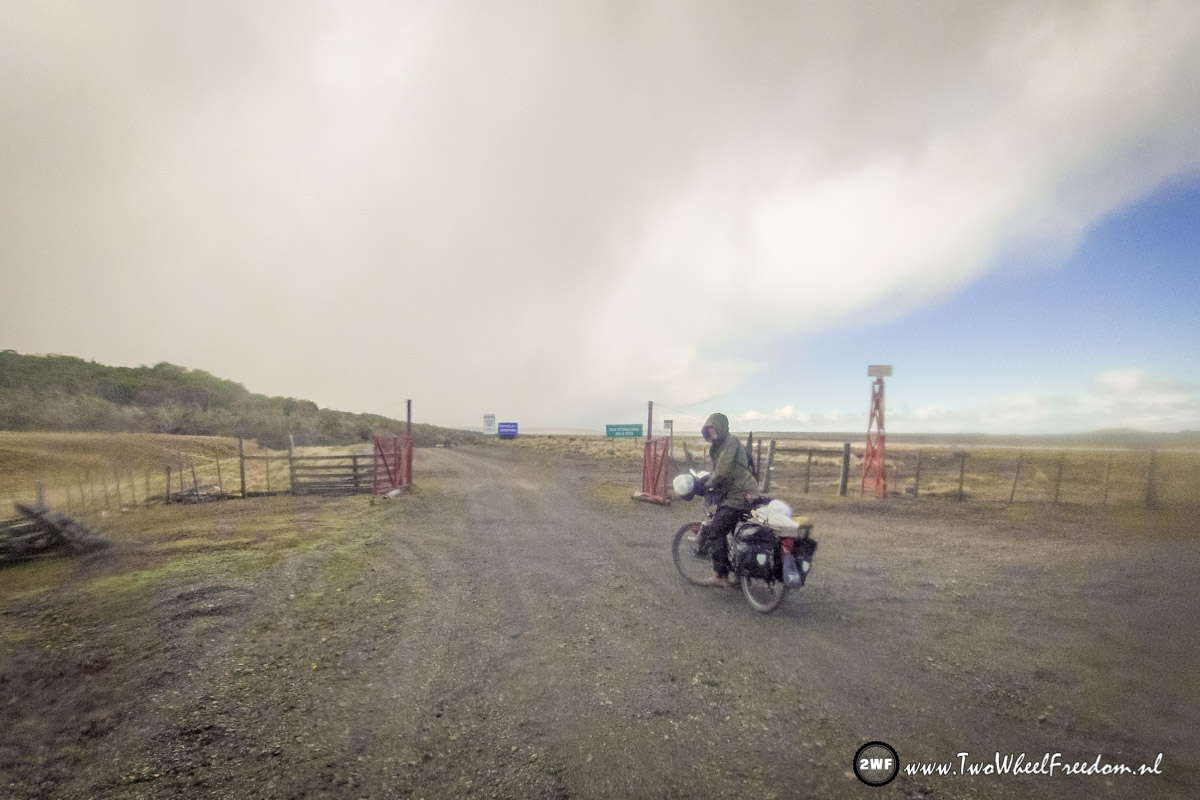
We are through. It took a while. When we entered Chile they did give us the wrong entry stamps. We also missed an important paper which we didn't get when we entered Chile. After a discussion with the nice officer he corrected it all and stamped us out of Chile.

After a kilometer we ride into the Argentina border office. Also there a funny story; You are not allowed to bring in fresh foods as meat, cheese and vegetables. But at this crossing they didn't check out our bags at all. The opposite happened, they had just prepared fresh meat and bread for themselves and asked us if we wanted some of it as well? "Welcome in Argentina" they said "When you cycle you have to eat a lot"
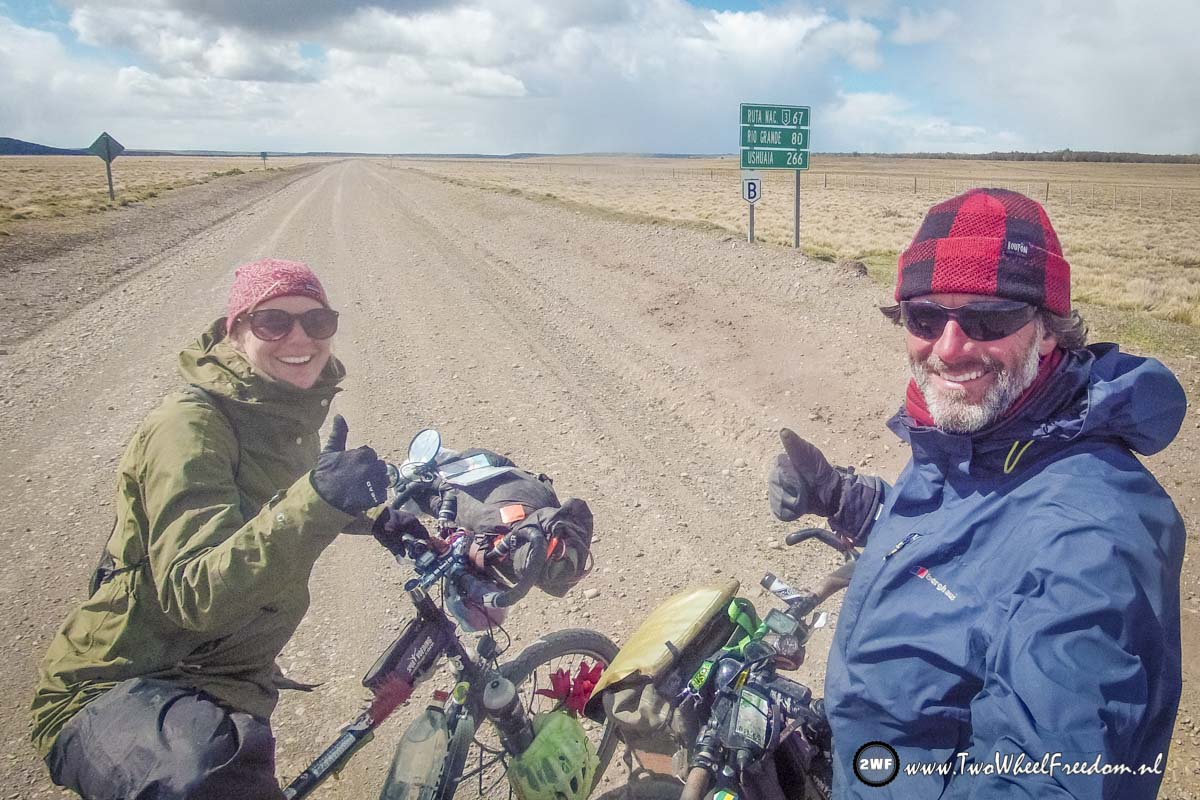
Hi Argentina. First time Ushuaia is at the signpost. Ushuaia, the very end of our trip. We are discussing this town for more than 1,5 year already. "What if we reach Ushuaia?"
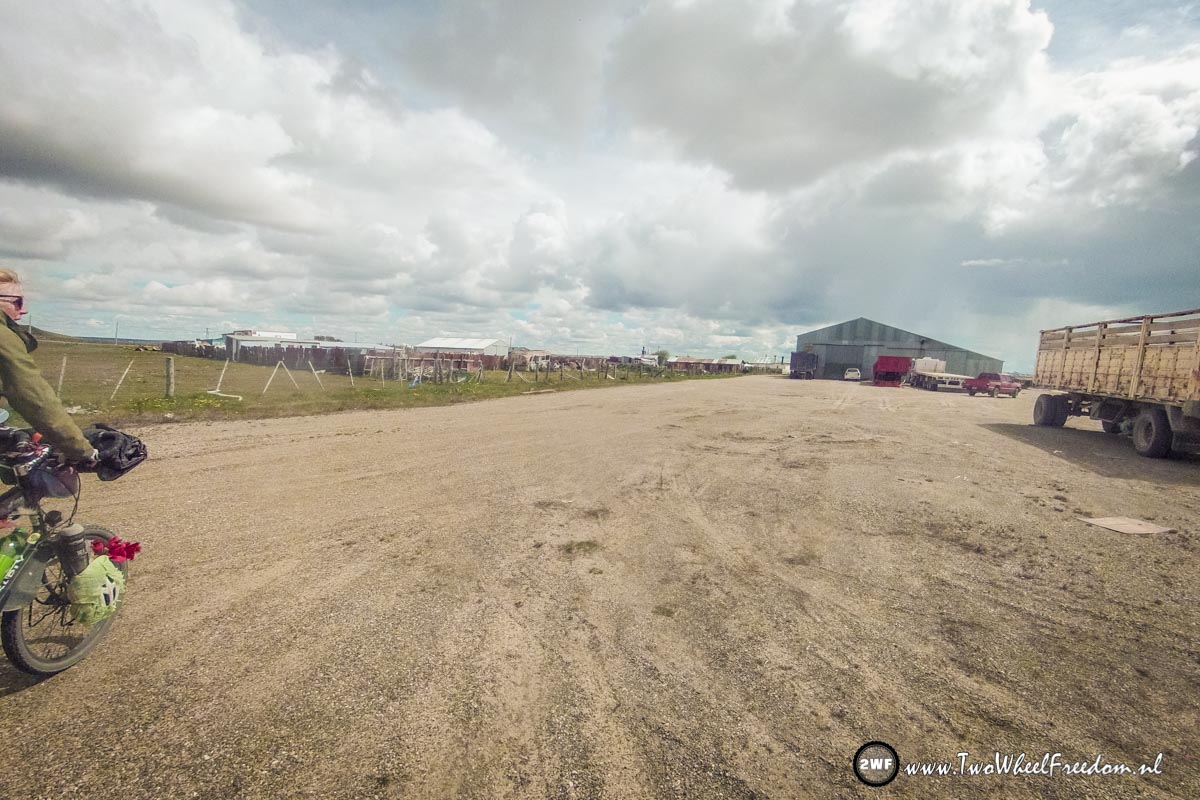
After leaving Rio Grande (sorry no pictures) At some point the road stops. We had to drag our stuff over a fence and cycle over private grounds but no one did care. At a certain moment even a guy was pointing us the correct directions.

And more fences to go over. In a distance a police post but they didn't see us or maybe they didn't wanted to see us.
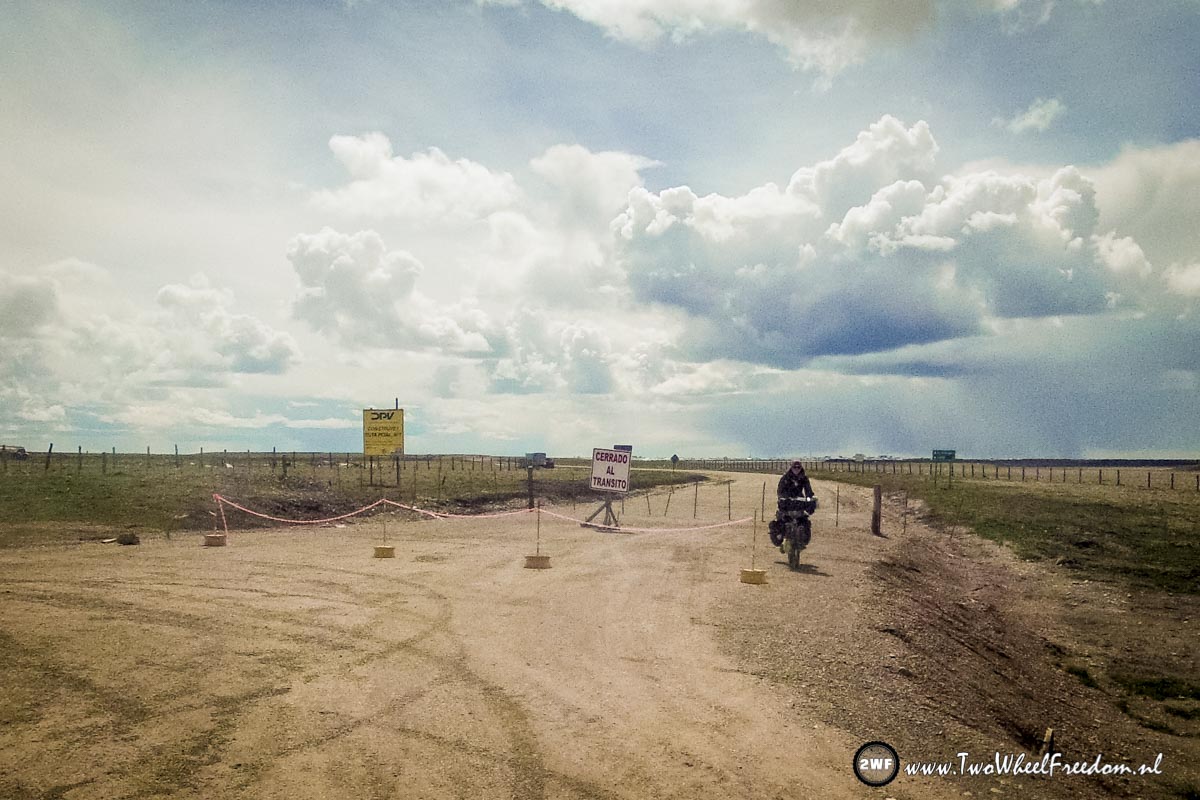
The sign says 'Closed for all traffic' From here on we are fine again. Highway 3 leads all the way to Ushuaia.
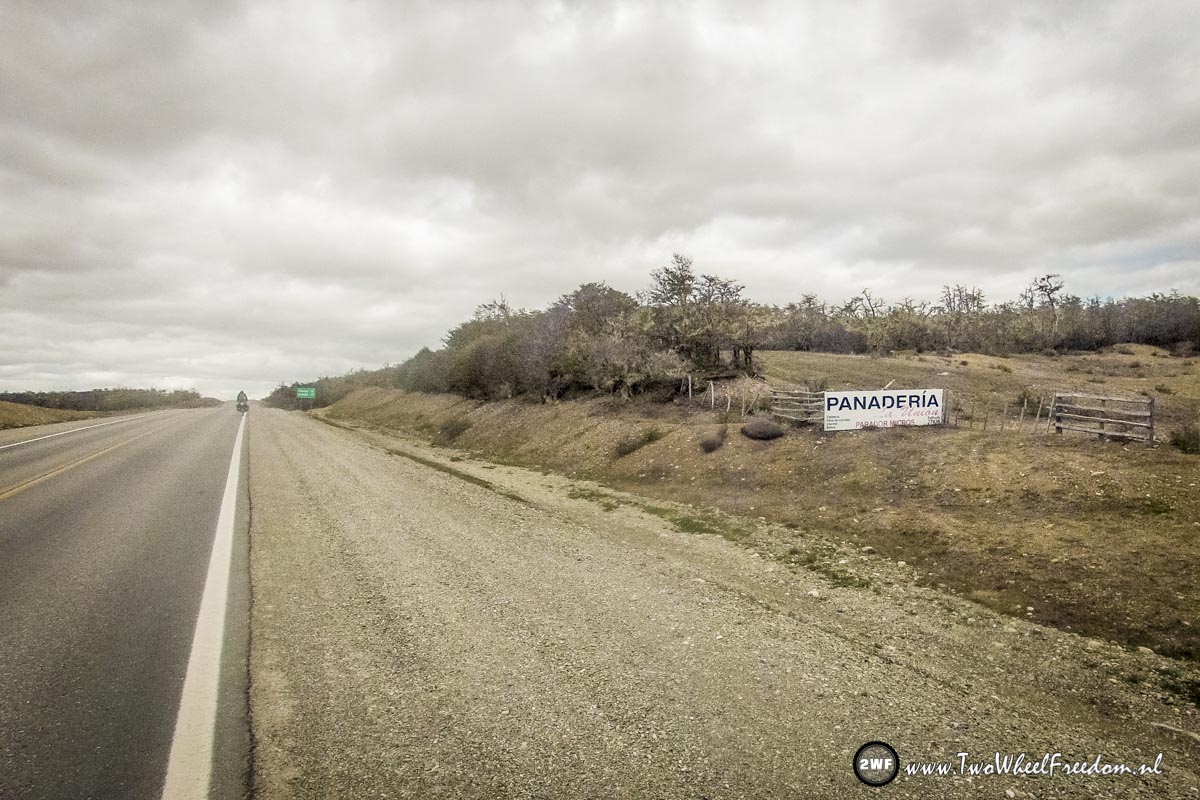
Panaderia (Bakery) La Union. One of the most famous Casa de Ciclistas in South America. They should also have the best empanadas of South America we have been told.
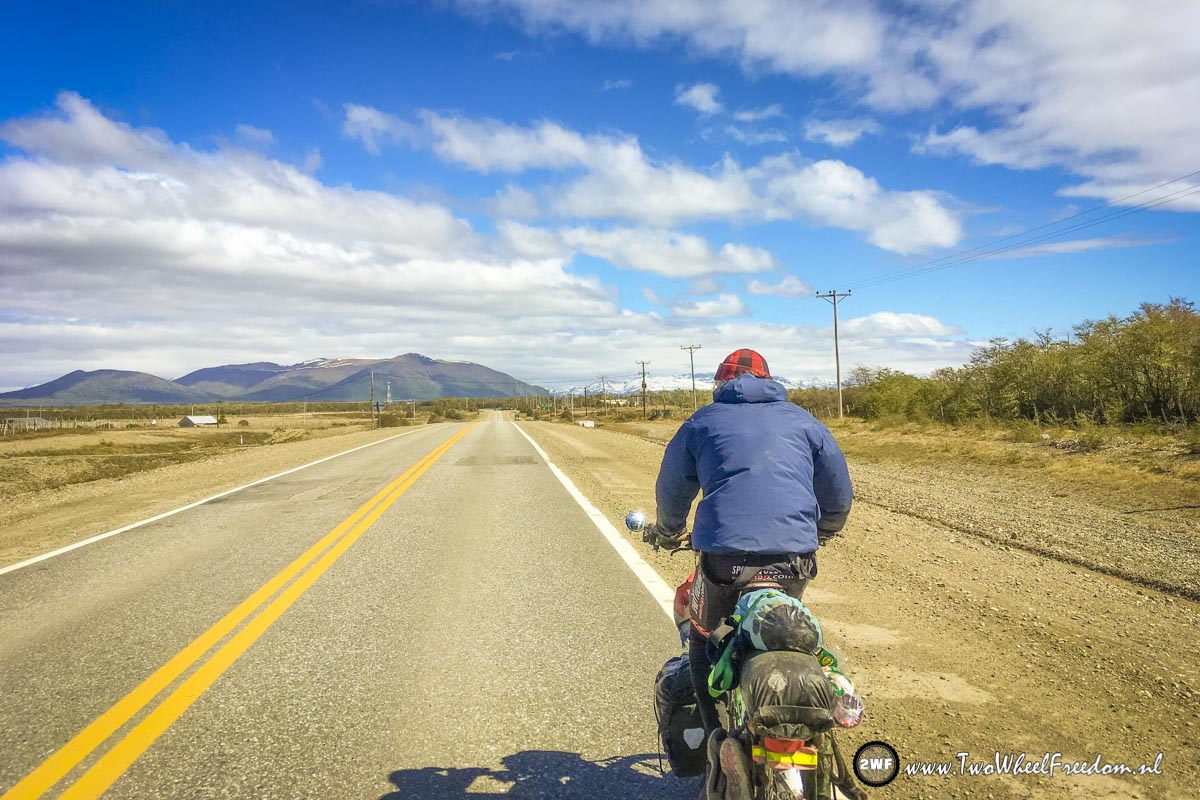
In a far distance we see snowy mountains again. This stretch from Rio Grande to Tolhuin where the Casa de Ciclista is is just a very boring road. We hope around Ushuaia it will be better otherwise it will be an anticlimax after seen so much awesome landscapes.
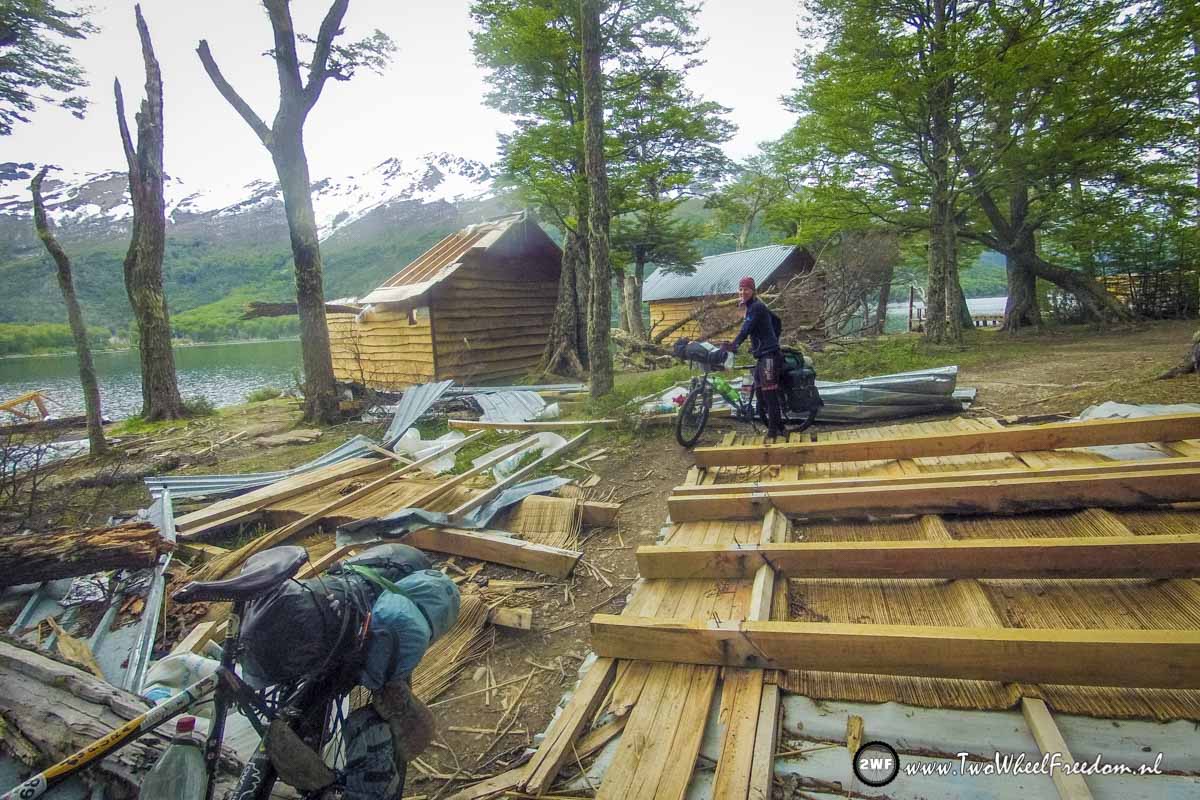
Along this smaller lake there are should be some abandoned cabins we had heard. Most of them fall apart but one of them should still be okay to spend the night in.
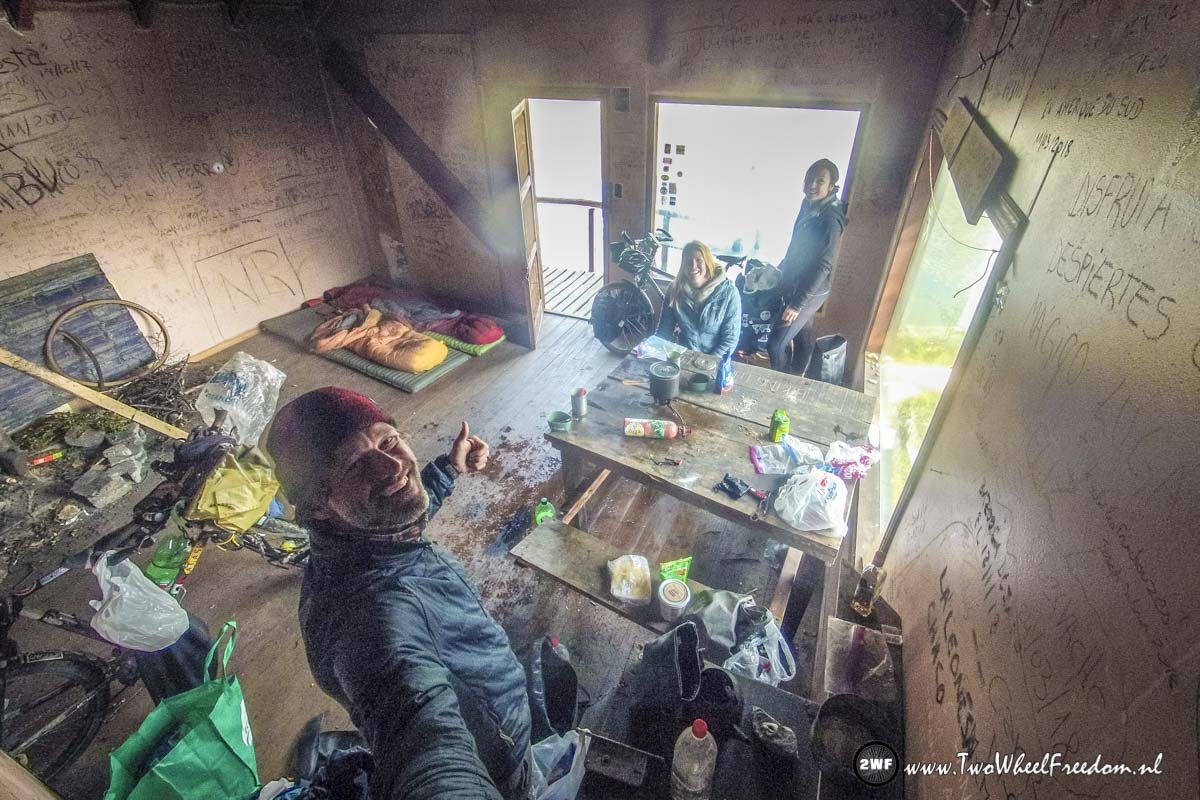
Inside the cabin we find Jo from England. She started her cycling trip going north this morning.

Apart from the decayed cabins this place is really awesome so we decide to stay two nights straight away. We have a lot of time left before we have to catch our plane back home so why not staying in a nice place instead of staying in 'just another' city?

We exchanged a lot of tips and tricks for cycling South America in the night and we all did sleep well. Jo at her first night in the wild, we at one of our last ones. Jo packs up again and leaves for many more adventures. We wish her loads of fun and many tailwind.
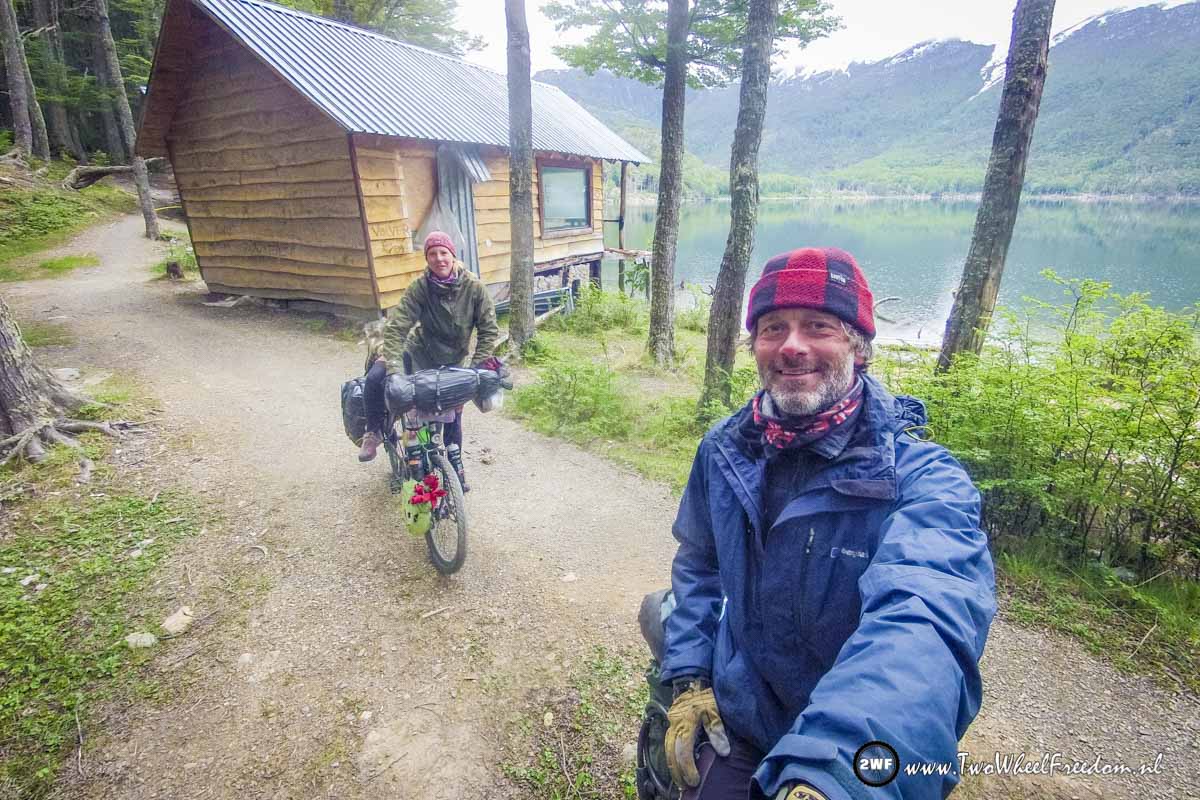
The next morning we take of for the very last day to Ushuaia. It's just 51km with one last mountain pass the go over.
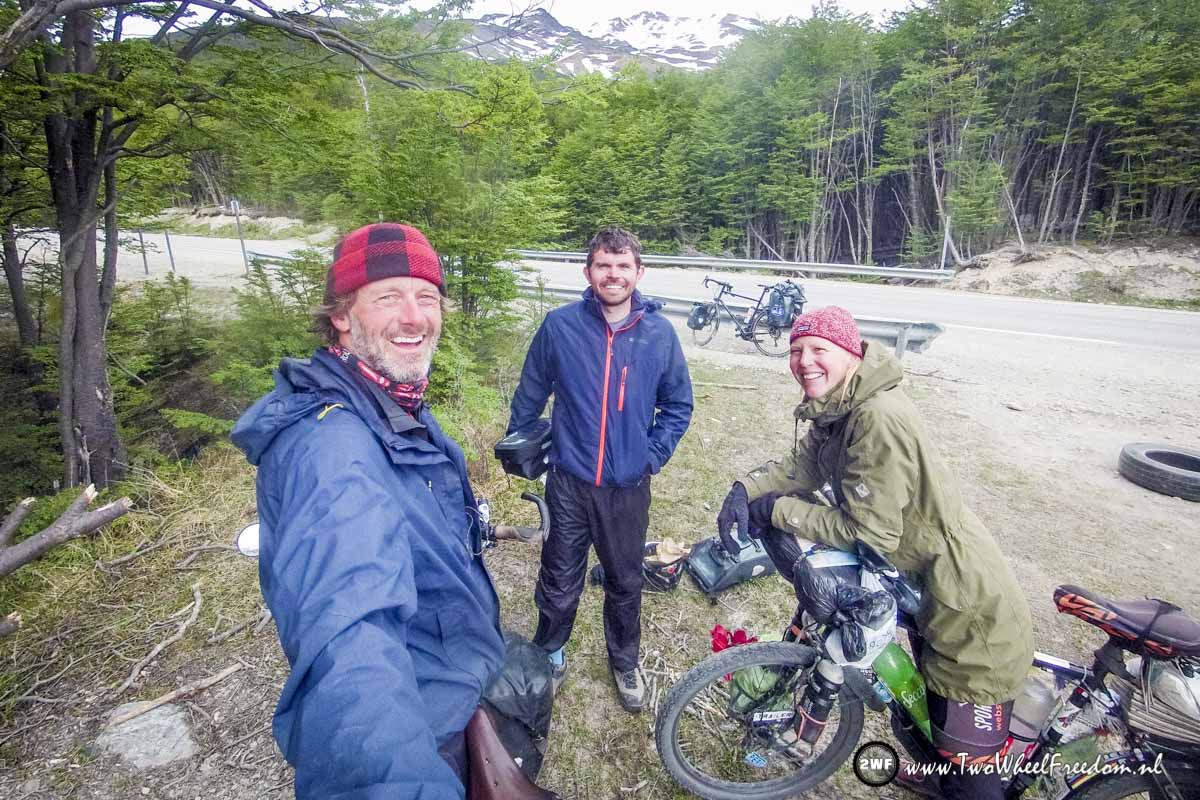
Tom from London. He on his first day cycling to Deadhorse, Alaska, we on our last day coming from that same Deadhorse. We overload him with tips and tricks as well we did with Jo in the cabin along the lake. We are kind of jealous about him. Not because we want to cycle back to Alaska now but because we know the great feeling of having 1,5 year of open road in advance, filled up with adventure.
End of the World but not the very last end of our trip. We are not back home yet. At the moment we are discovering Ushuaia, we have to organize bicycle boxes and we will count out some statistics about kilometers, flat tires and that kind of things.
So we can say "Stay tuned, this story will continue!"
Thanks for reading and bye for now. Kim & Arjan.
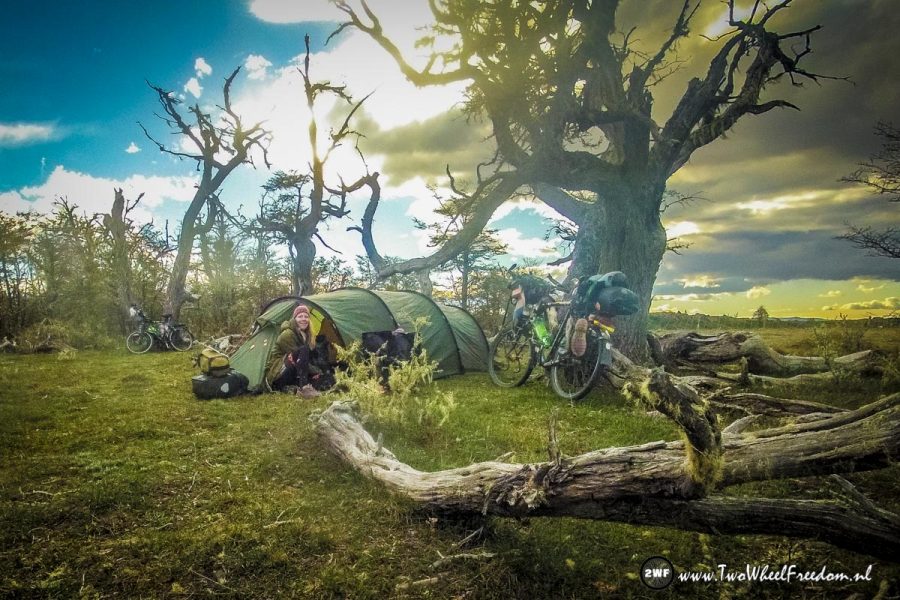
Ik zit hier voor onze tent zoals Kim er zit op de foto hierboven. Voor dezelfde tent, op dezelfde plek ergens op Tiera del Fuego, Vuurland.
Een idyllisch plekje te midden van oude dode bomen overgroeid met een lichte laag mos.
Een idyllisch plekje te midden van oude dode bomen overgroeid met een lichte laag mos.
Toen we hier aankwamen zagen we een wegwijzer met daarop Ushuaia 151km. Het einde van de wereld noemen ze het hier. Is dan, met andere woorden, over 151km het einde van de wereld?
Geografisch gezien dan. Het zal niet zo zijn dat over 151km de wereld zal vergaan.
Maar dan nog, ook geografisch gezien is het een rare uitdrukking. Zullen de mensen hier nog geloven dat de wereld plat is? Lijkt me niet.
En als er een einde van de wereld is, is er dan ook een begin van de wereld? Zo ja, waar ligt dat begin dan?
Wij begonnen onze fietsreis in het uiterste noorden van Alaska. Maar ook in Alaska noemden ze dat ‘Het einde van de wereld.’
We mogen dus aannemen dat we van het ene einde van de wereld naar het andere einde van de wereld zijn gefietst en dat er geen begin van de wereld is. Althans, die zijn wij onderweg niet tegengekomen.
Toen we in Equador op de evenaar stonden, er een eitje op een spijker konden zetten en het water in twee verschillende richtingen in een afvoerputje zagen verdwijnen, toen noemden ze dat ‘Het middelpunt van de wereld.’ Maar dus niet het begin van de wereld. Waar ligt dat begin dan? Misschien voor ons in Nederland omdat we daar geboren zijn? Joost mag het weten. Sorry Joost!
Nu we hier zo ons blijkbaar tweede einde van de wereld naderen denken we regelmatig na over hoe het zal zijn om weer terug naar het begin van onze wereld te gaan, naar Nederland.
Kunnen we er weer aan wennen om permanent tussen stille muren van beton te slapen in plaats van in een dun gehorig tentje waar je alles van buiten meemaakt behalve de nattigheid, en dat van je buren als je op een camping staat?
Waar je geen vreemde dierengeluiden meer midden in de donkere nacht hoort en waar je niet een duizelende sterrenhemel ziet als je even de behoefte hebt om een boom water te geven.
Maar ook, waar je naakt in bed kunt liggen in plaats van met een dikke jas aan en muts op, zonder dat je het gevoel hebt de volgende ochtend niet levend te halen vanwege een stevige onderkoeling.
Kunnen we er weer aan wennen dat het leven in Nederland tien keer zo snel gaat? De drukte van te volle agenda’s, het georganiseerde en dat overal regeltjes voor zijn?
Gestrest zullen we waarschijnlijk niet snel worden maar kunnen we de relaxte instelling van ‘wat vandaag niet komt, komt morgen wel’ weer deels opgeven?
En het feit dat we ons eigenlijk alleen maar druk hoefden te maken over ‘Hebben we eten en drinken genoeg om de fietsafstand naar de volgende stad of winkel te kunnen overbruggen’?
Het was een erg simpel en overzichtelijk leventje.
En hoe zal het zijn om de indrukwekkende landschappen waar we bijna continue doorheen reisden op te moeten geven? Landschappen die voor ons al bijna als vanzelfsprekend ervaren worden. Nederland heeft ook zeer zeker zijn charmes en mooie plekken, maar we zien toch wel duidelijke verschillen hoor.
Waar we zeker wel aan kunnen wennen is dat we iedereen weer gewoon kunnen verstaan, en wij ook weer worden verstaan. Eerlijk is eerlijk, met de Spaanse taal zijn we wel een beetje klaar. Na meer dan een jaar in Spaanstalige gebieden te hebben rondgereisd verheugen we ons weer op het Nederlands.
Een tweede ding wat we ook zeker weer gaan waarderen is dat we iedereen die we hebben moeten missen weer om ons heen zullen hebben. We hebben jullie gemist!
Daarover, we zijn wel erg benieuwd of we nog steeds op dezelfde golflengte zitten met iedereen thuis.
Zullen ze thuis onze verhalen en enthousiasme snel zat zijn omdat toch alles al op onze website en Instagram te zien was? Valt het überhaupt wel te bevatten hoe verschrikkelijk veel we mee hebben gemaakt in een zo’n relatief korte tijd als je er zelf niet bij was?
En hoe zullen wij zelf tegen Nederland aankijken? Misschien klinken de dingen waar iedereen zich daar ‘in begin van de wereld’ druk om maakt ons, hier zo aan het ‘einde van de wereld’,wel erg vreemd in de oren.
We hebben 1,5 jaar erg minimalistisch geleefd. Zullen we ons nog druk kunnen maken over de kleine dingetjes? De laatste mode, een puike huisinrichting, een mooie auto/motor, het weer of het hectische leven in het algemeen?
We gaan het allemaal meemaken. Wij stappen zo weer op de fietst en trappen relax de laatste paar kilometers erop.
Op naar het einde van de wereld!!!
Voor iedereen thuis, tot snel!!! We houden van jullie ?
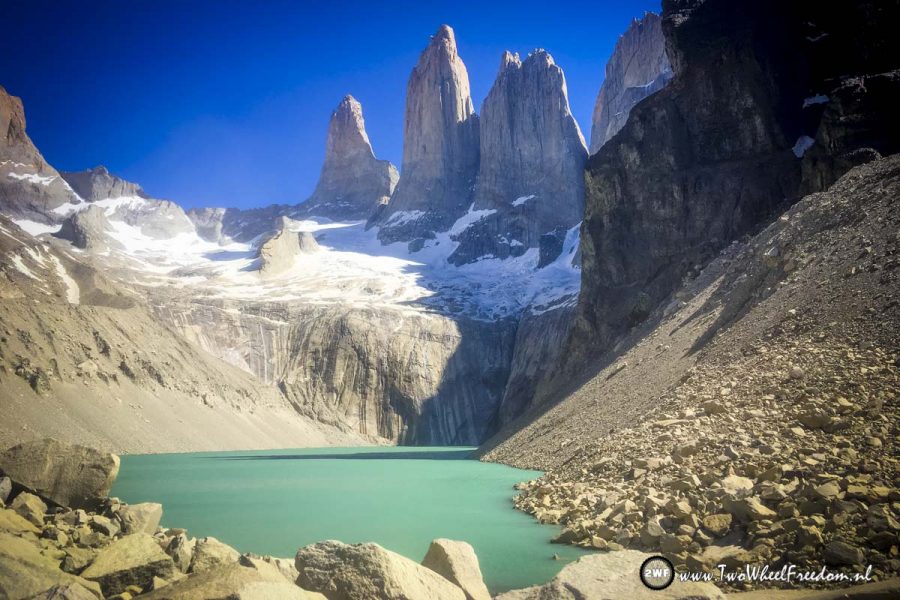
If you think about Patagonia you probably will think about dark skies, snow, ice, glaciers, waterfalls and after all you will probably think about a rough and unpolished nature.
Torres del Paine is one of those National Parks which has it all. Through this park a hiking trail leads along many wonders of nature. Although it is no Disneyland, around a half million people a year drag themselves over those rough trails, so did we. Enjoy...
DAY 1

Wooden floors against the water and trees against the wind. The place is not to bad at all for a campground.
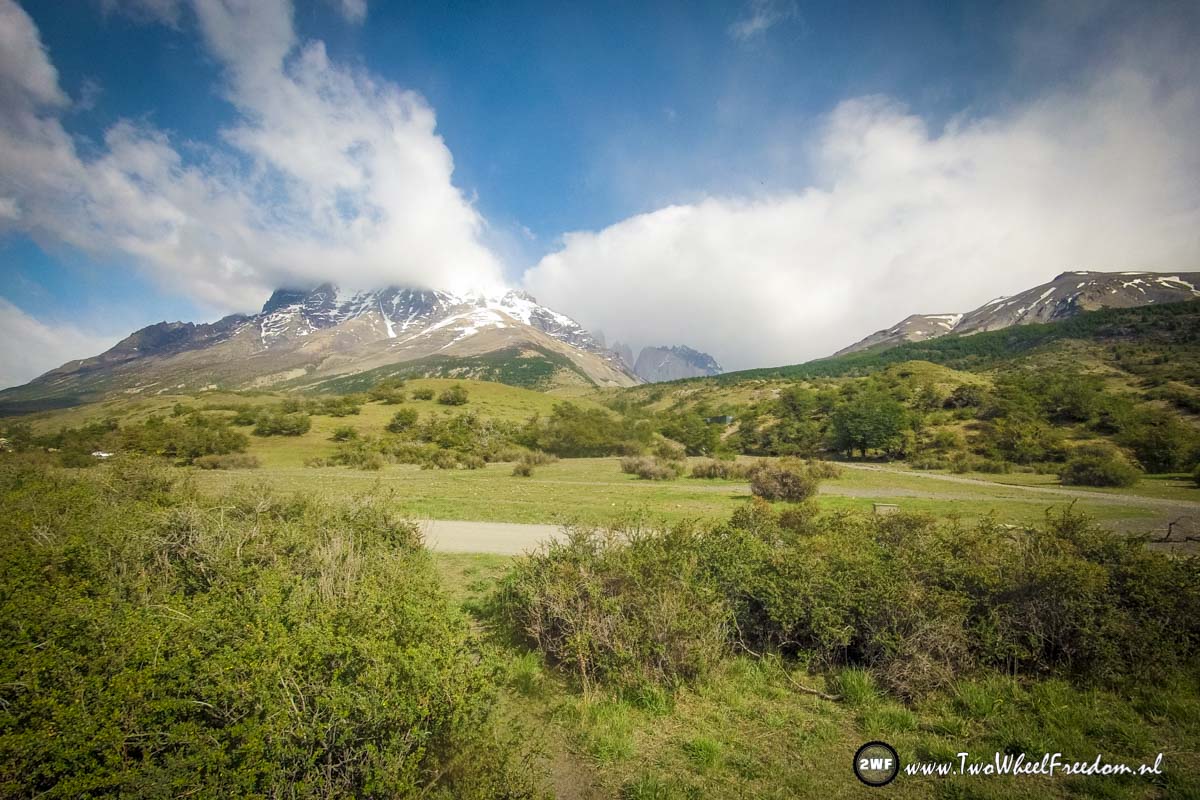
The view from the campground into the mountains. In the far distance a bit of the Torres del Paine can be seen already.
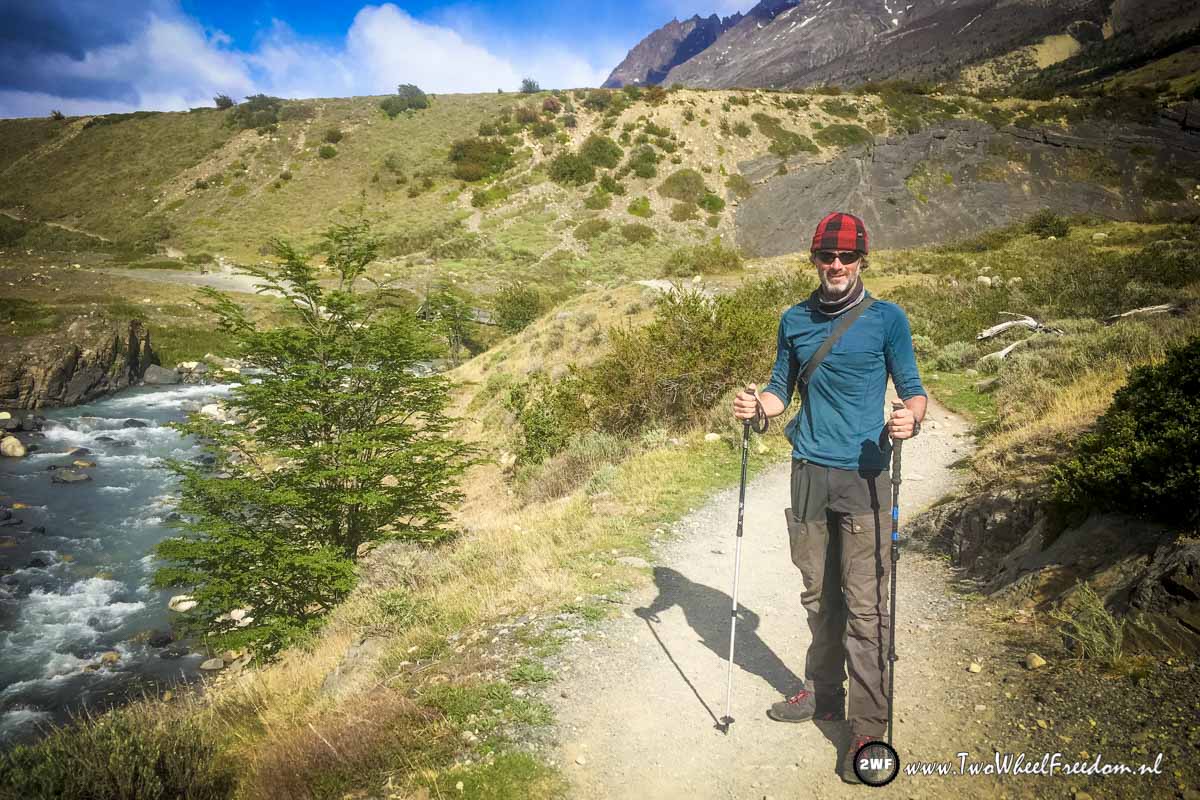
It's still early in the morning so we leave our stuff at the campground and start a dayhike to the Torres del Paine (the granite towers)
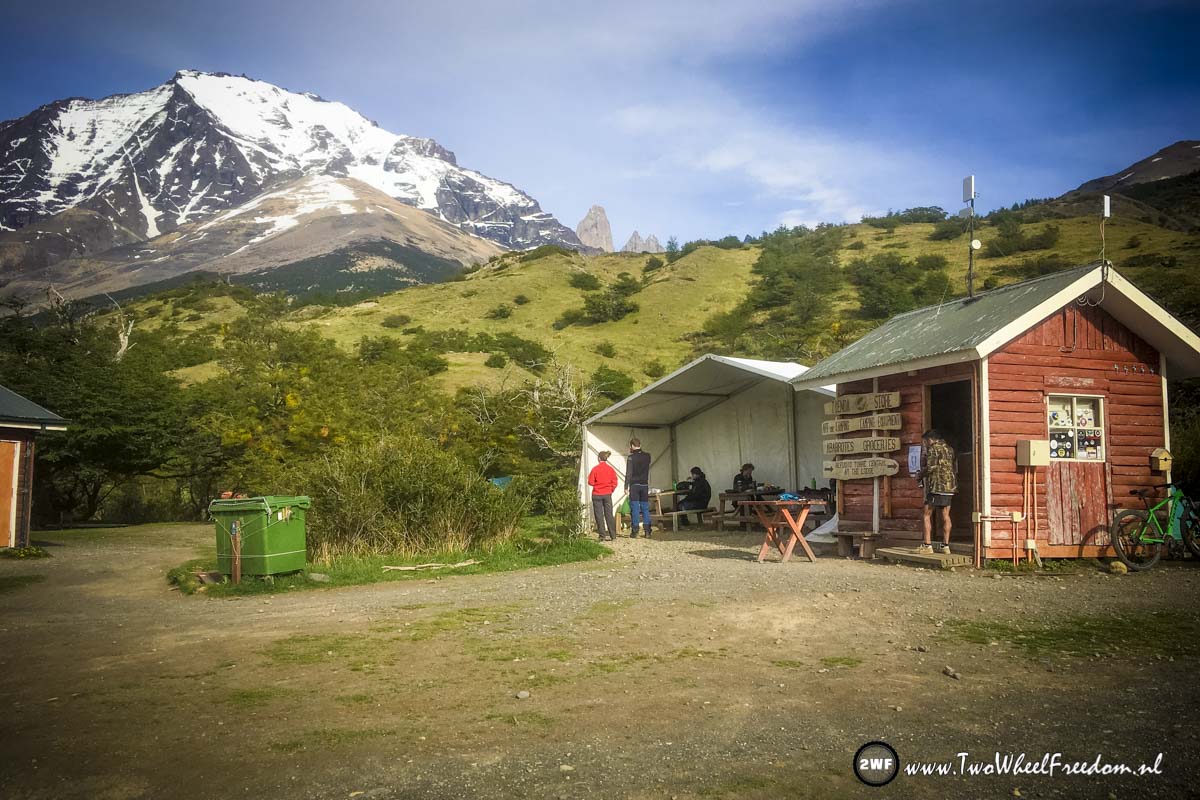
Back at the campground Arjan makes dinner in the white tent. This is the only place where it is allowed to cook. In the past they had huge bushfires in the area because of people not using their camp stove correctly.
DAY 2
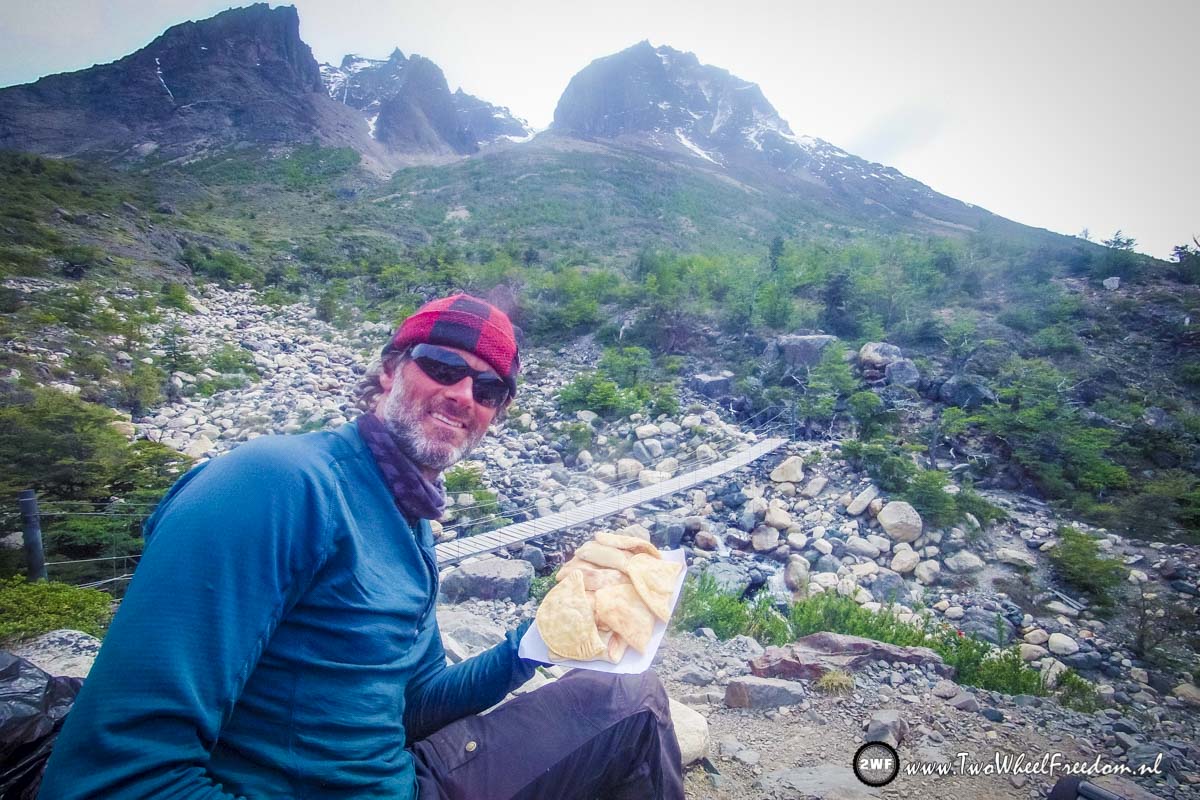
We did bring a bunch of empanadas. (filled meat pie's) Yummie although we like them more when they are still warm.
DAY 3
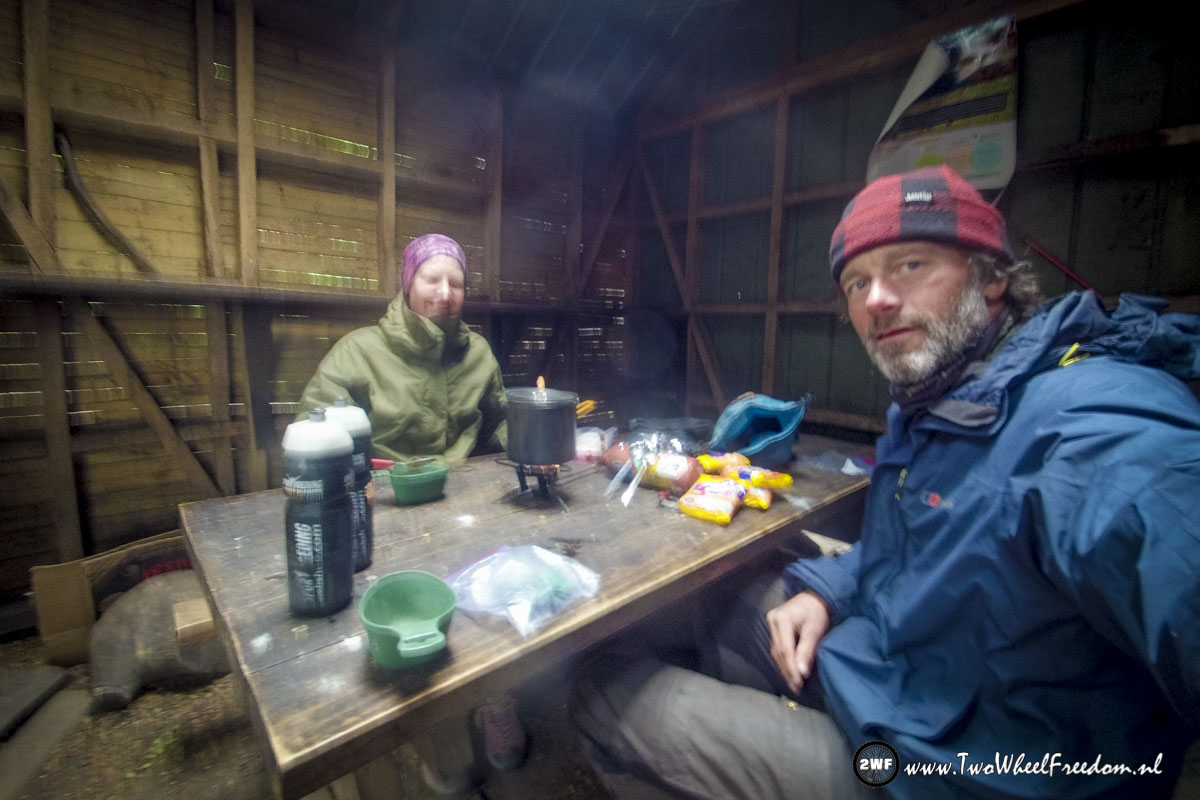
Breakfast the next morning. The plan for today is to hike up and down to the Frances glacier and to lookout point Britanico. We leave our tent and most of our stuff at the campground and hike lightweight today.
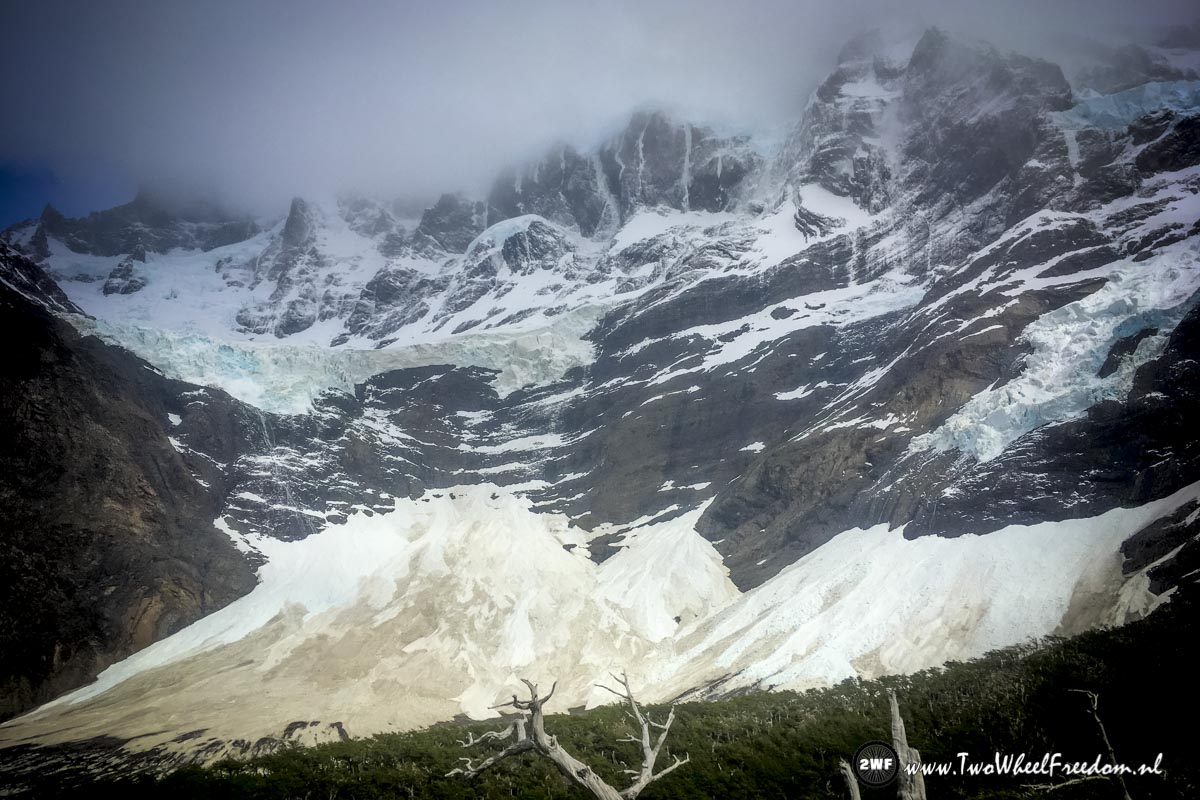
Glacier Frances. Ice and snow is falling all the time. Even at the campground we could hear it falling at night. If we didn't know better we would have thought the sound was a thunderstorm instead of falling ice and snow.
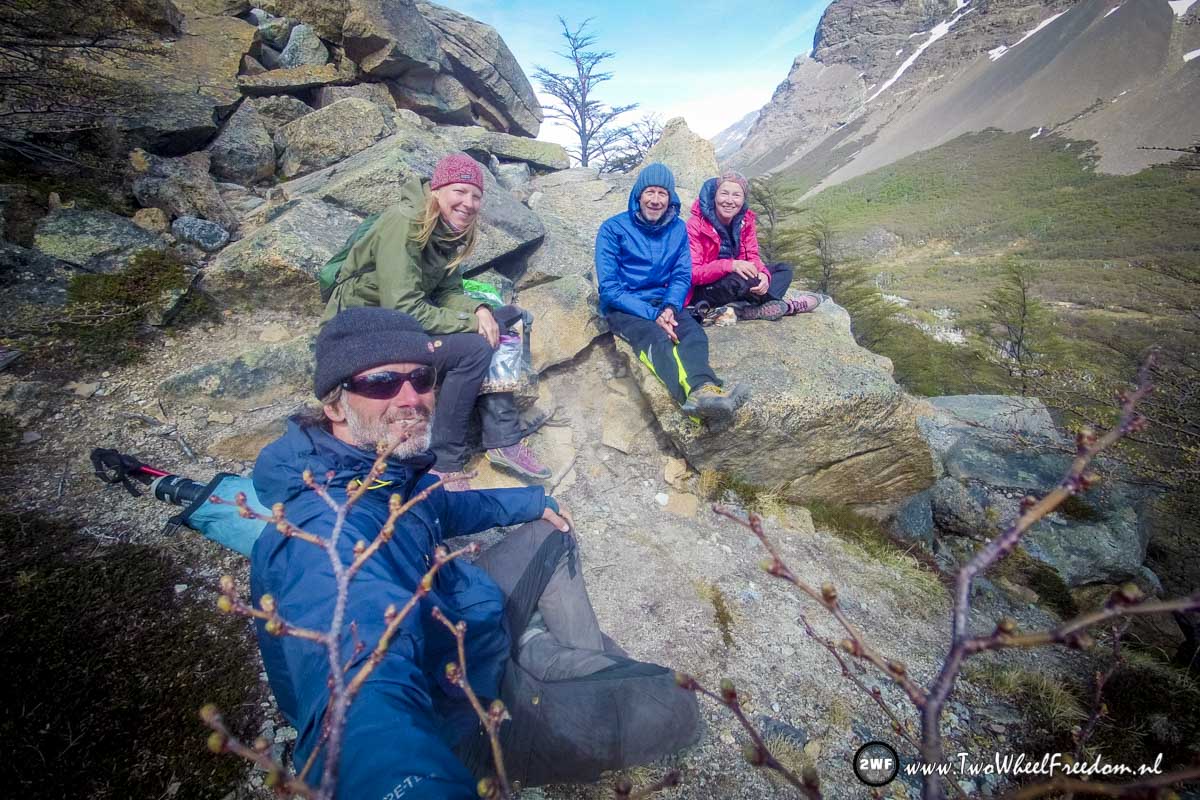
At the lookout we meet Frank and Jacinta again. The Dutch / Belgian long distance cyclists we met on the ferry as well. (see previous blog 😉 )

Together we hike back down. At Campground Italiano we will have a coffee break together. Frank and Jacinta will go to Campground Frances after that.(They are walking the hike in the opposite direction from us.)
DAY 4
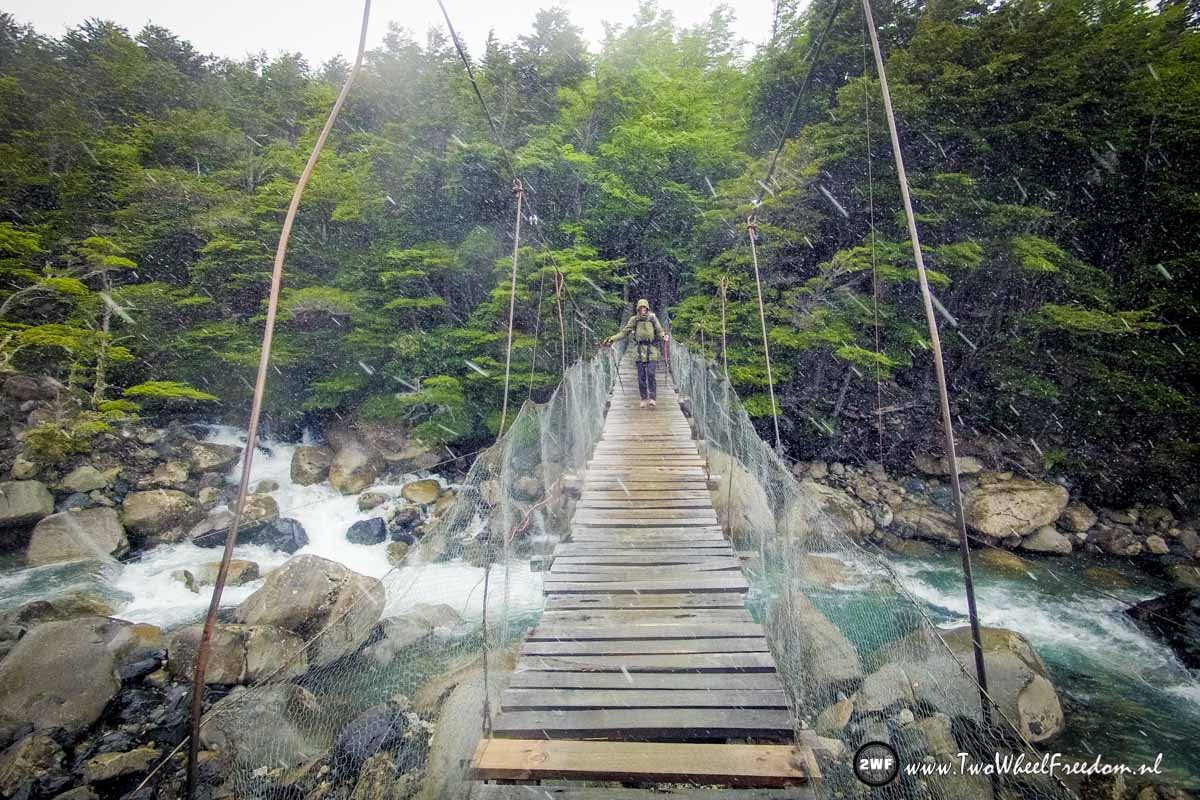
Welcome in Patagonia. The weather changes so fast, sometimes it can be a bright sunny day with blue sky and in 5 minutes it can be like this; grey dark sky and raining or snowing.
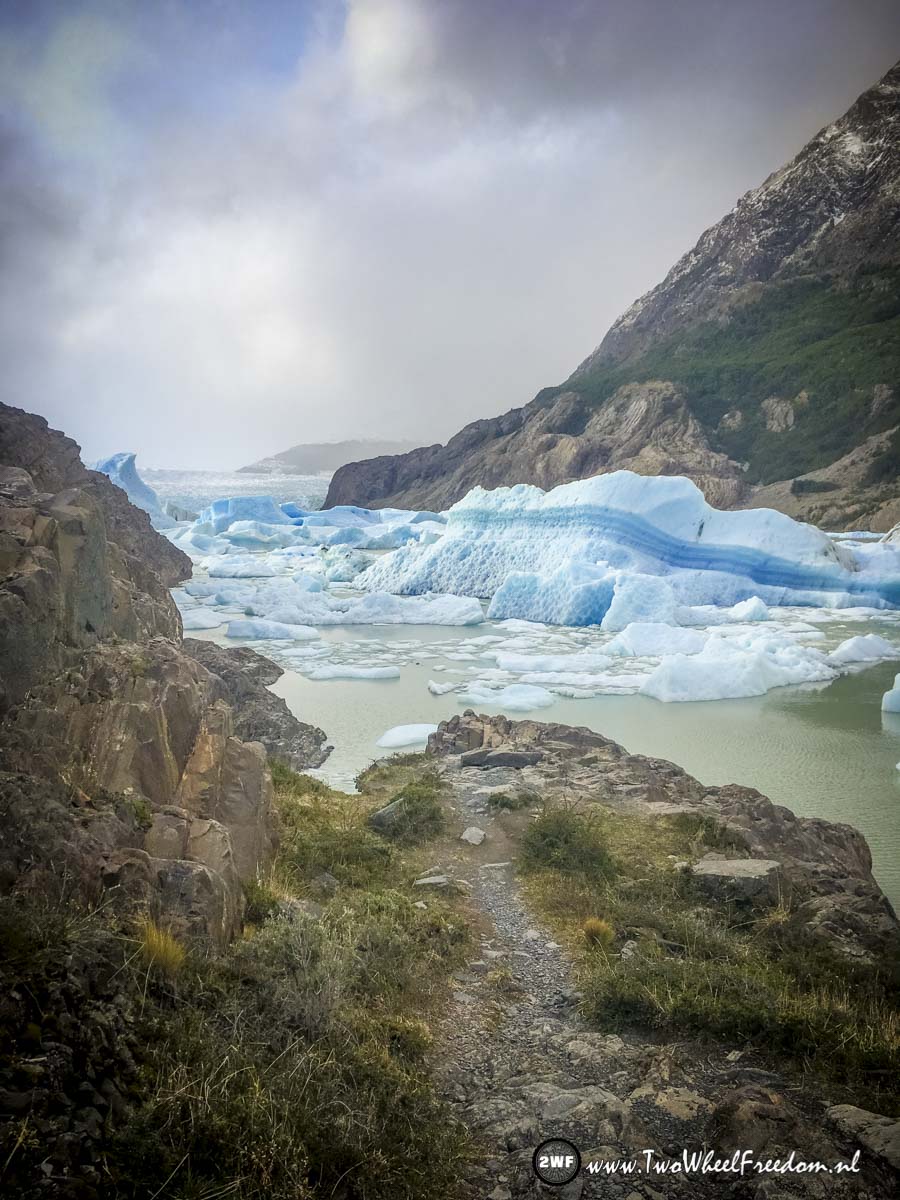
After we warmed up and had our beer we hike to the lookout point just 10min from the campground to watch the fallen glacier ice from close by.
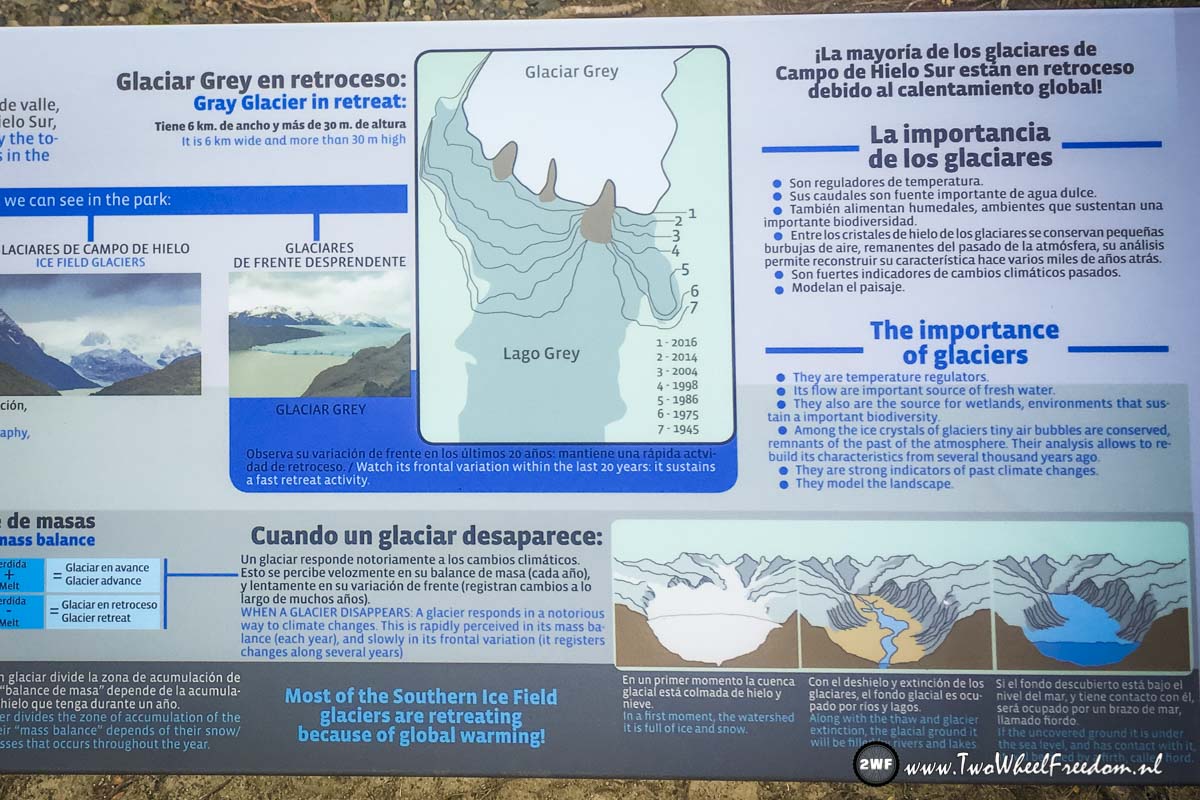
Some info about this glacier. Too bad we still have the global warming getting worse and worse. Maybe in a 100 years or so no glacier at all anymore? 🙁
DAY 5
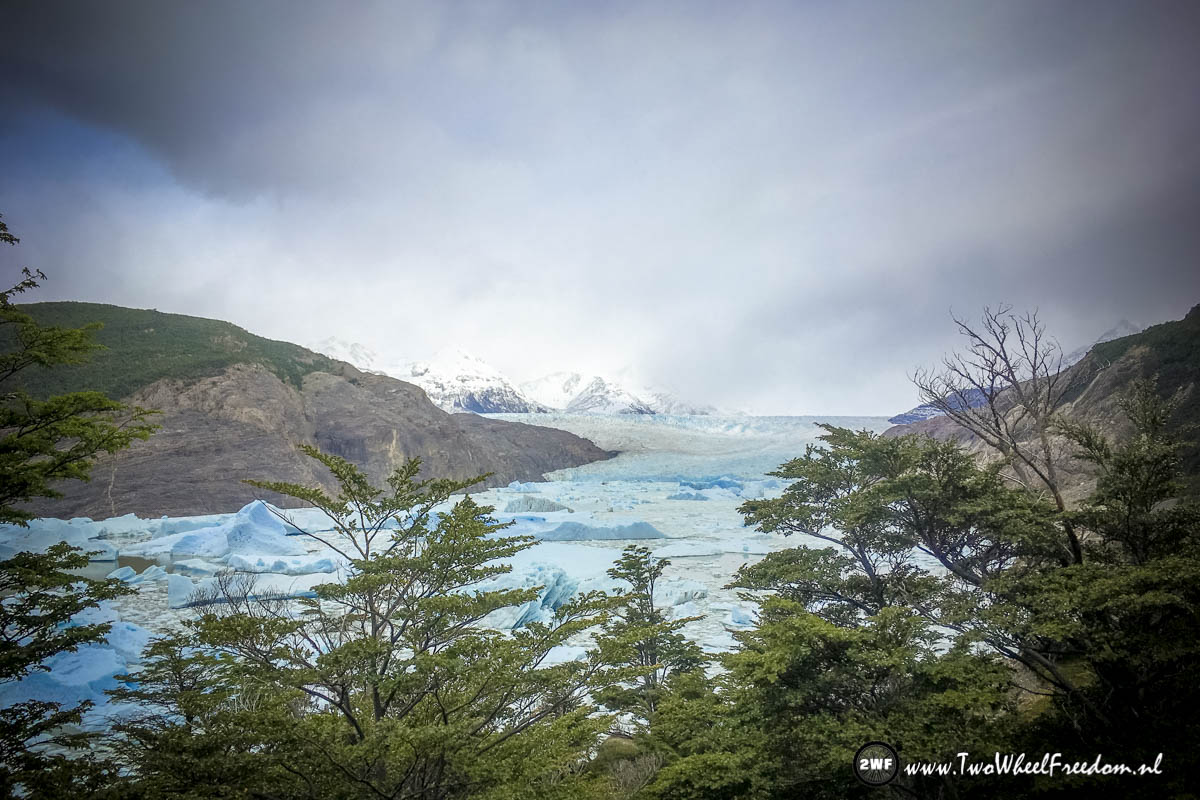
We start the day with first going further up the mountain to hanging bridges number 1 and 2 to see more of the glacier before we go down again to the end of the trail at Paine Grande,
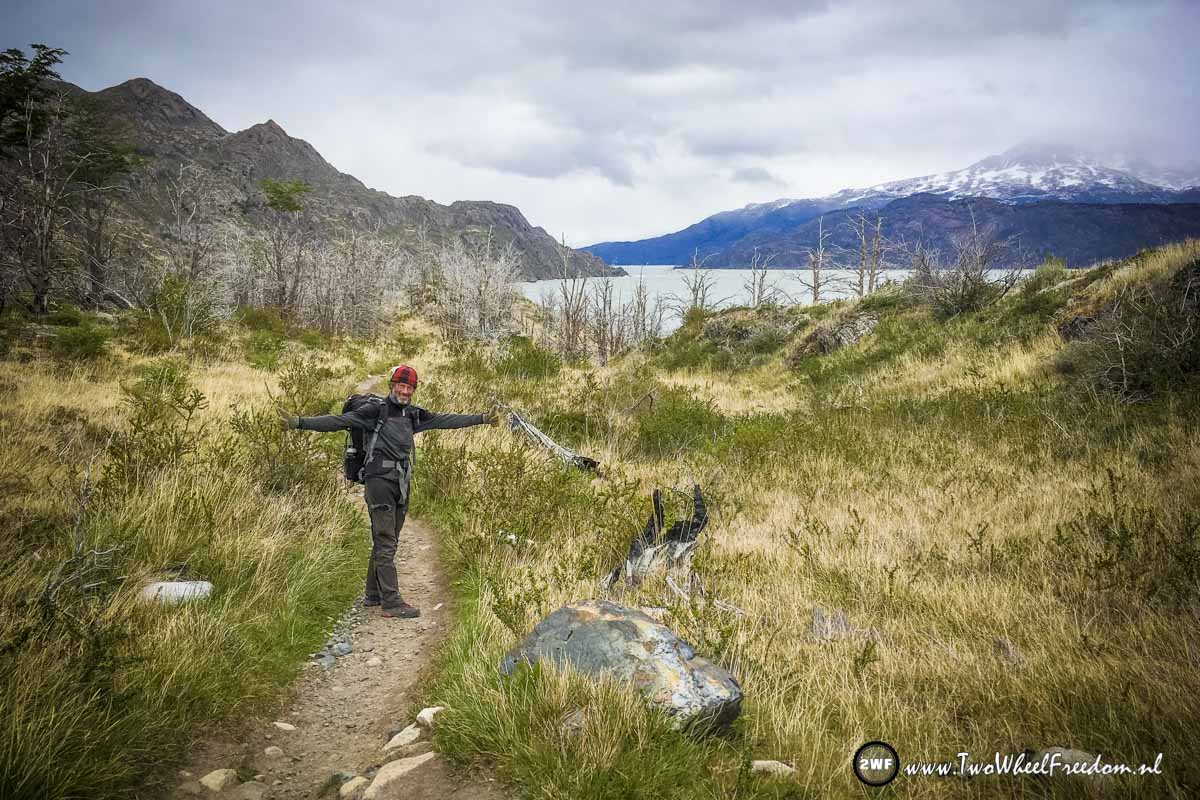
We picked up our backpacks at Camping Grey again and continue to Grand Paine from where we will take the ferry and bus back to town.
Back in Puerto Natales we stay an extra day at our hostel with campground. From here we will continue cycling to Ushuaia, our final destination of our 1,5 year cycling trip. It's around 780km to Ushuaia, not far anymore but we will go via an isolated bikepacking route over artic tundra and along a colony with 1,2m high King Penguins.
When we arrive in Ushuaia we will try to put the last blog online before we hop in the airplane back to Holland at the 22nd.
Will be continued...
Thanks for reading, Kim & Arjan
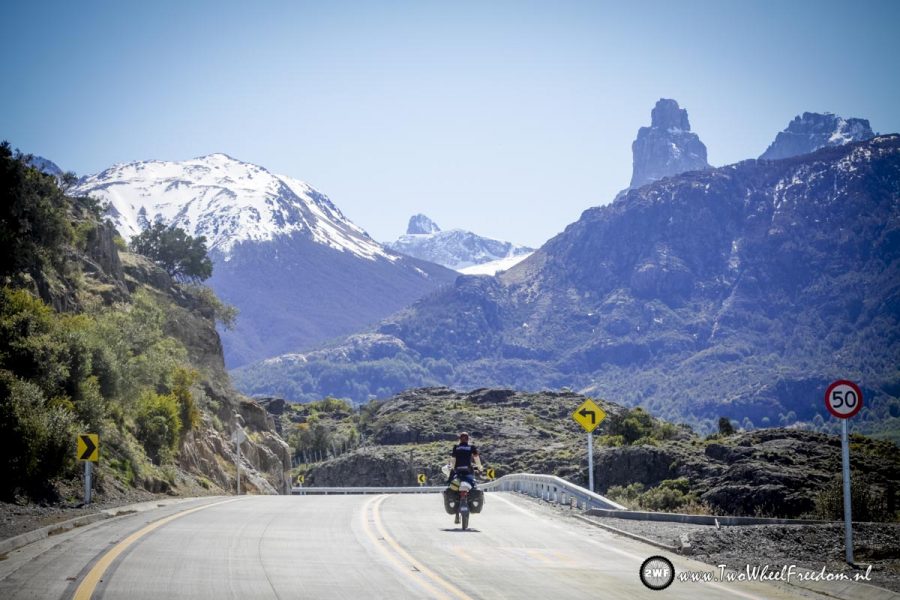
After cycling the Ruta 40 in Argentina we hop over into Chile to cycle further south. In Chile we picked up the famous Carretera Austral. The Carretera Austral is a road to connect a lot of small rural villages in southern Chile. The road is roughly 1240km long and leads through a very rural but stunning part of Chile. Beside Alaska we found this one of the most beautiful parts of our cycling trip through the Americas, for so far. 😀
Have fun watching and reading again.

At night we find a nice spot along Lake Rupanco. The spot is very populair by fisherman but most of them don't have a license to fish. At some point the boat in the photo came along filled with police officers. All fisherman were running away.
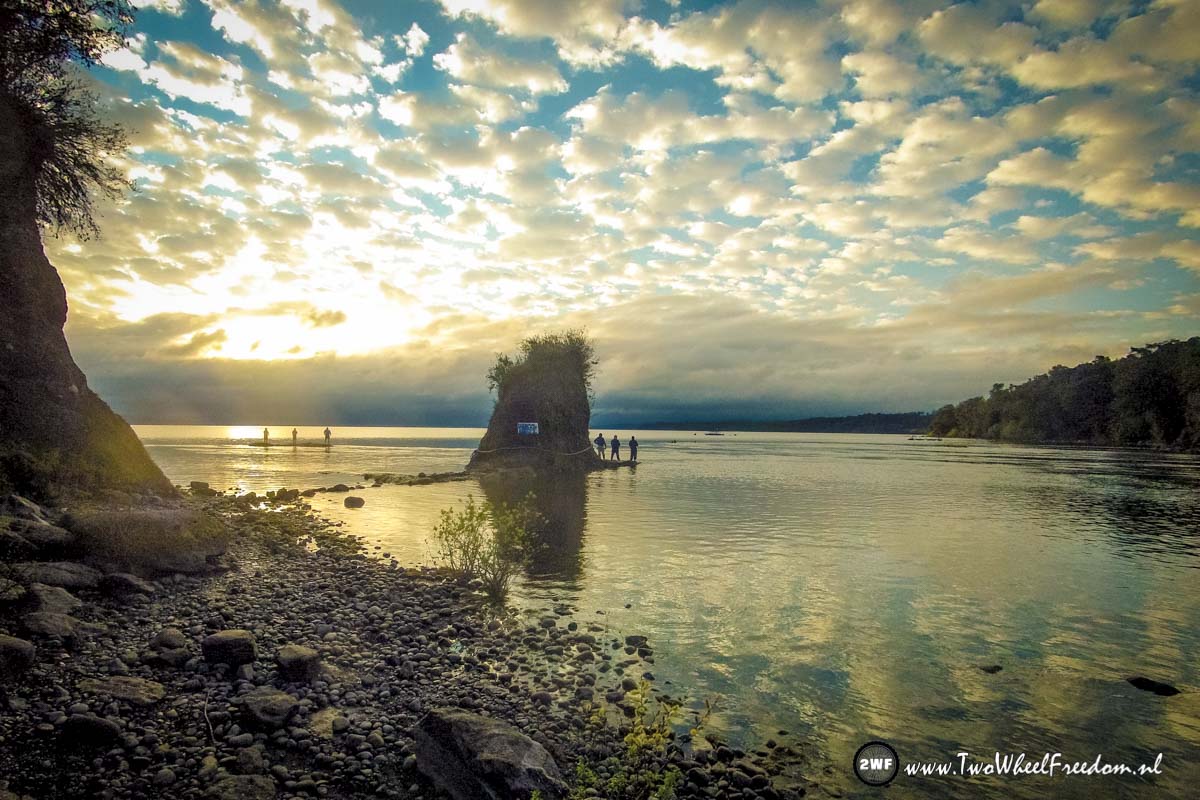
10 minutes after the boat with the police was gone a lot of fisherman came back and fished till sunset 😀
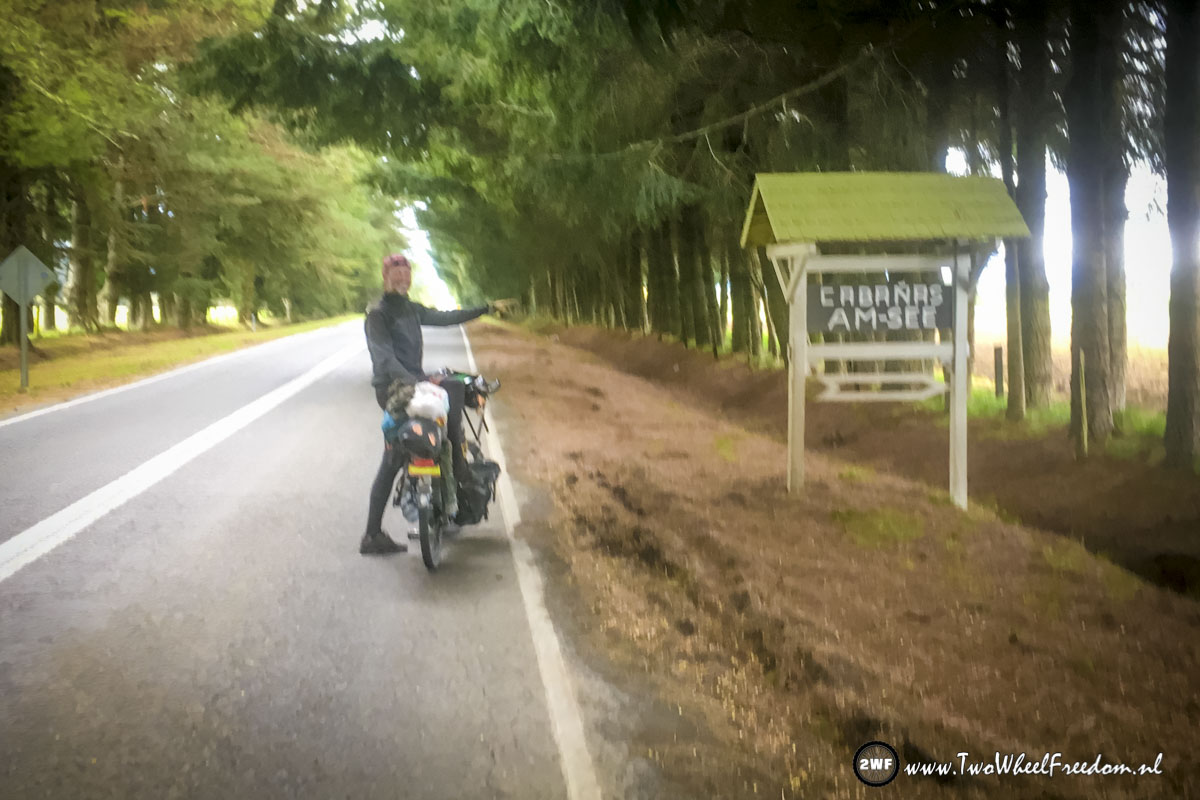
Cabañas Am See. (Translated from German: House for rent along the lake) In Chile we see a lot of German language, but why?
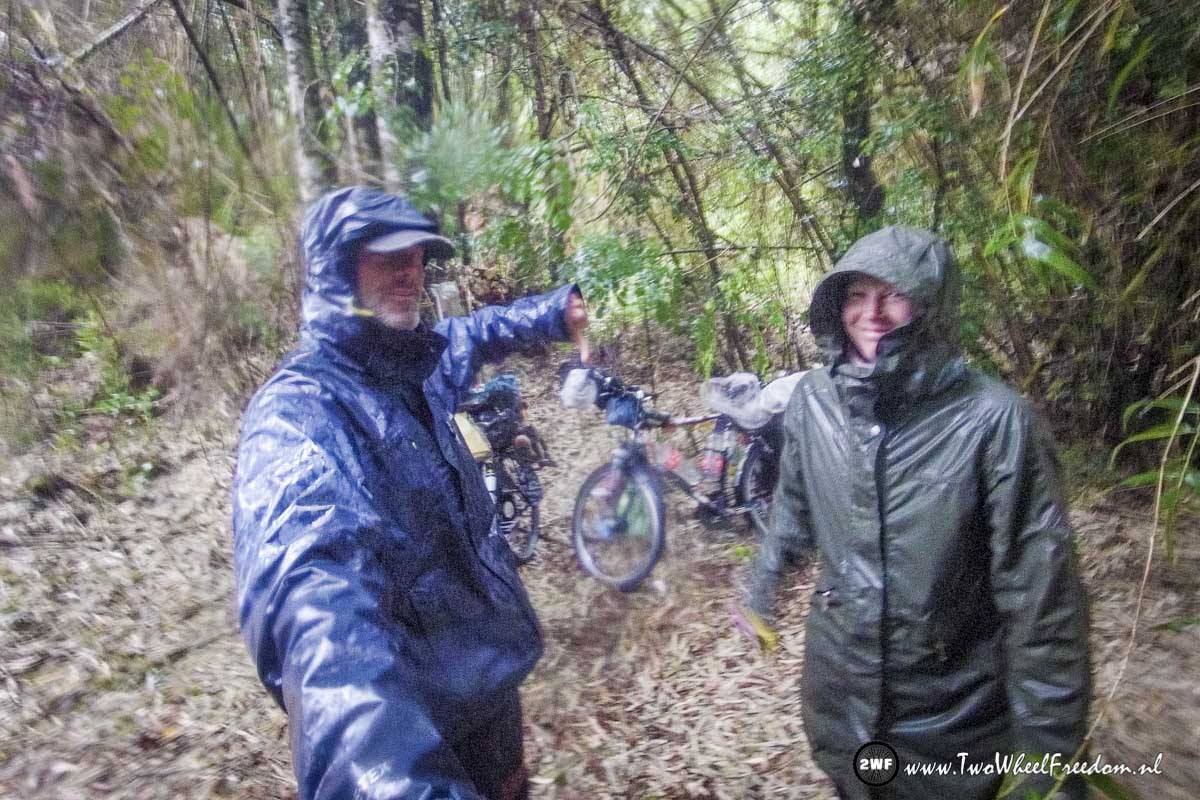
A place to set up our tent was hard to find. This spot close to the road will do but it rains hard 🙁
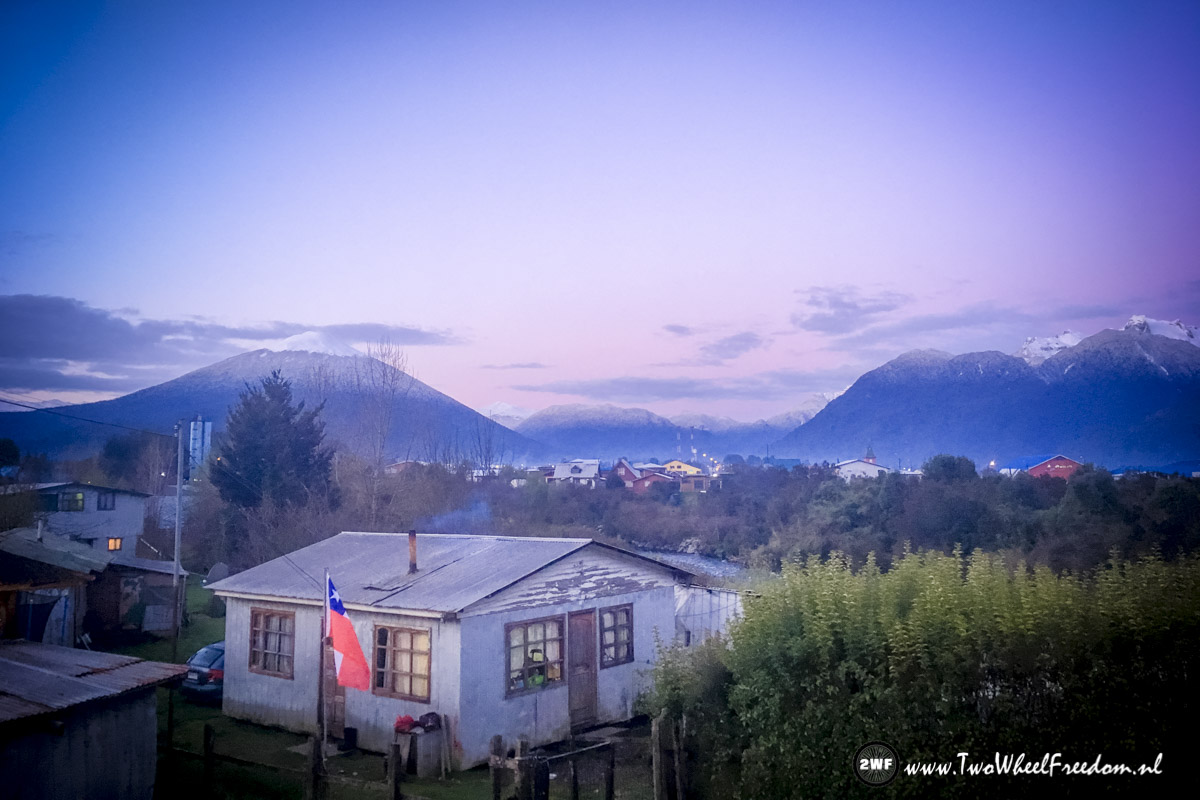
The Carretera Austral does not continue by land all the time. Sometimes you have to take ferries. From this town, called Hornopirén, the ferry goes 80km over a lake because there is no road around the lake .
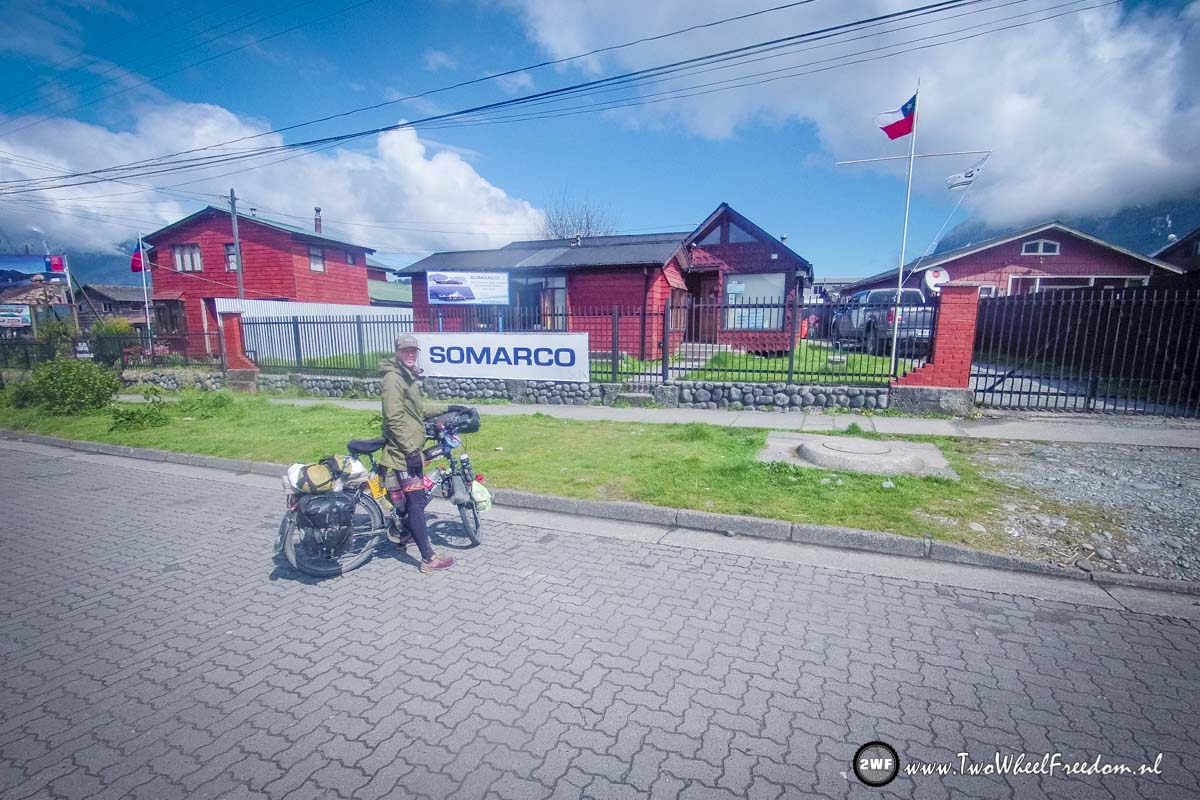
Ferry booking office. We have to wait. Everything closes here between 13:30 and 17:00. Siesta, although the weather isn't hot at all.
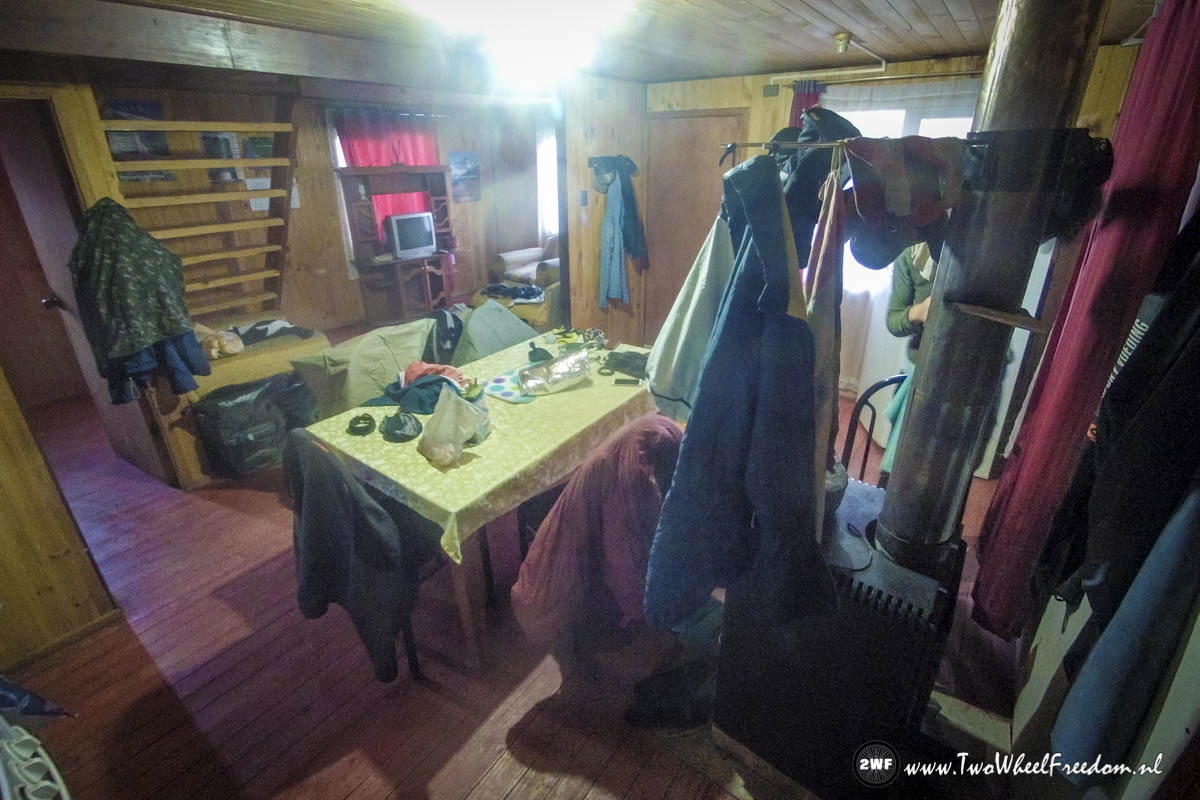
Because there is just one ferry going a day we have to wait till the next day. We check in at a cabaña and dry our stuff above the woodstove.
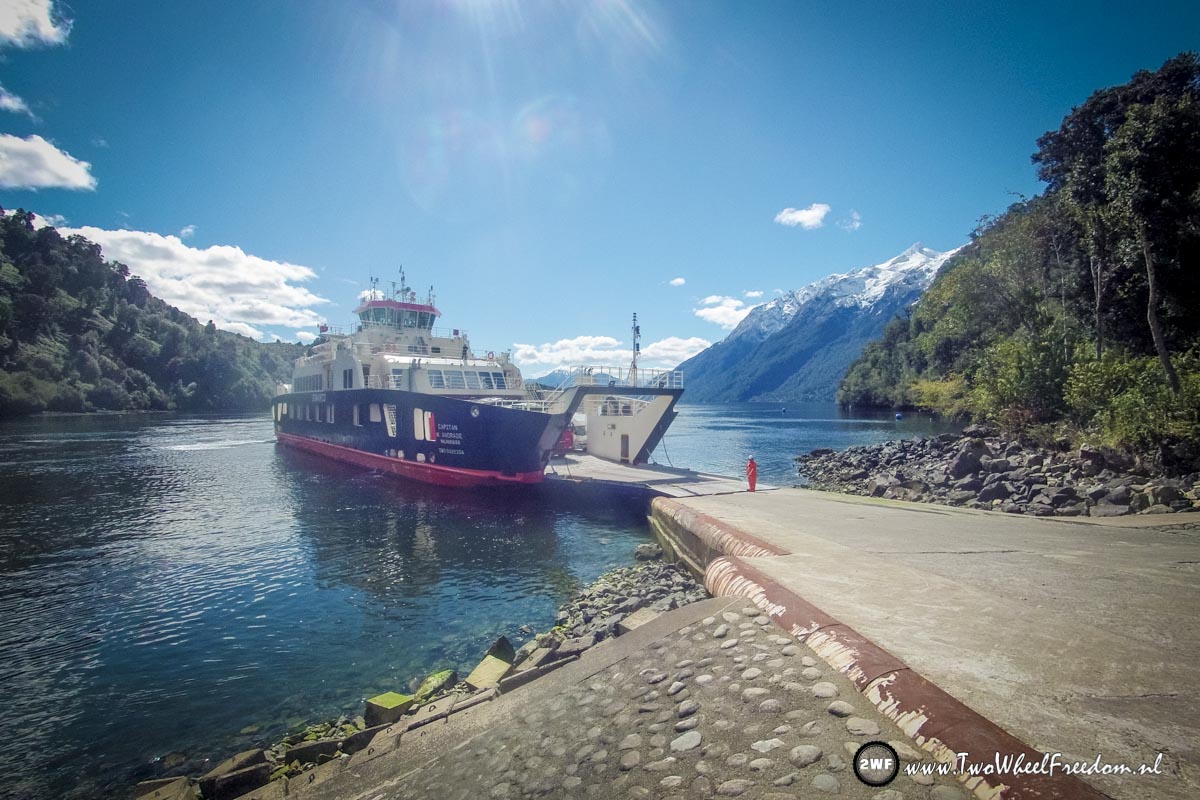
The ferry crossing also includes an 30 km ride over land for which there is a bus waiting for us to bring us to the next ferry.
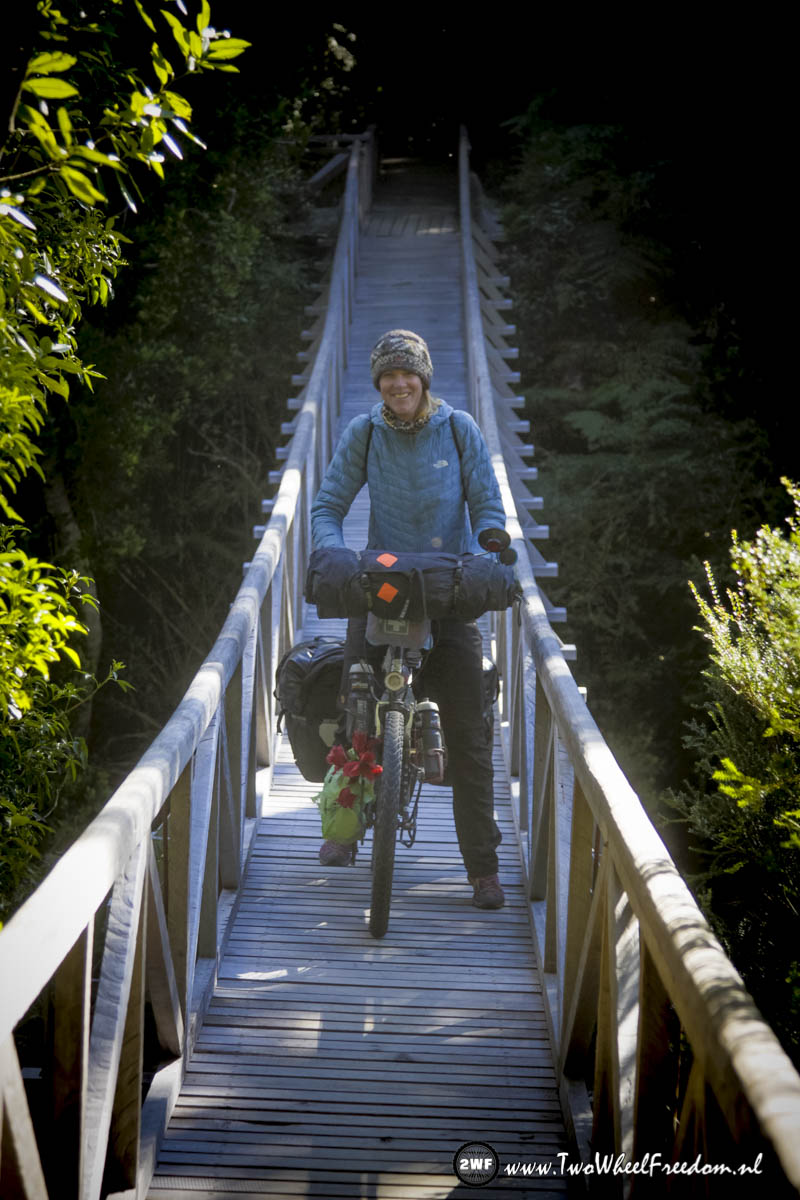
In the evening we hop of the boat and find our way to a free campground. To reach it we have to cross a hanging bridge.
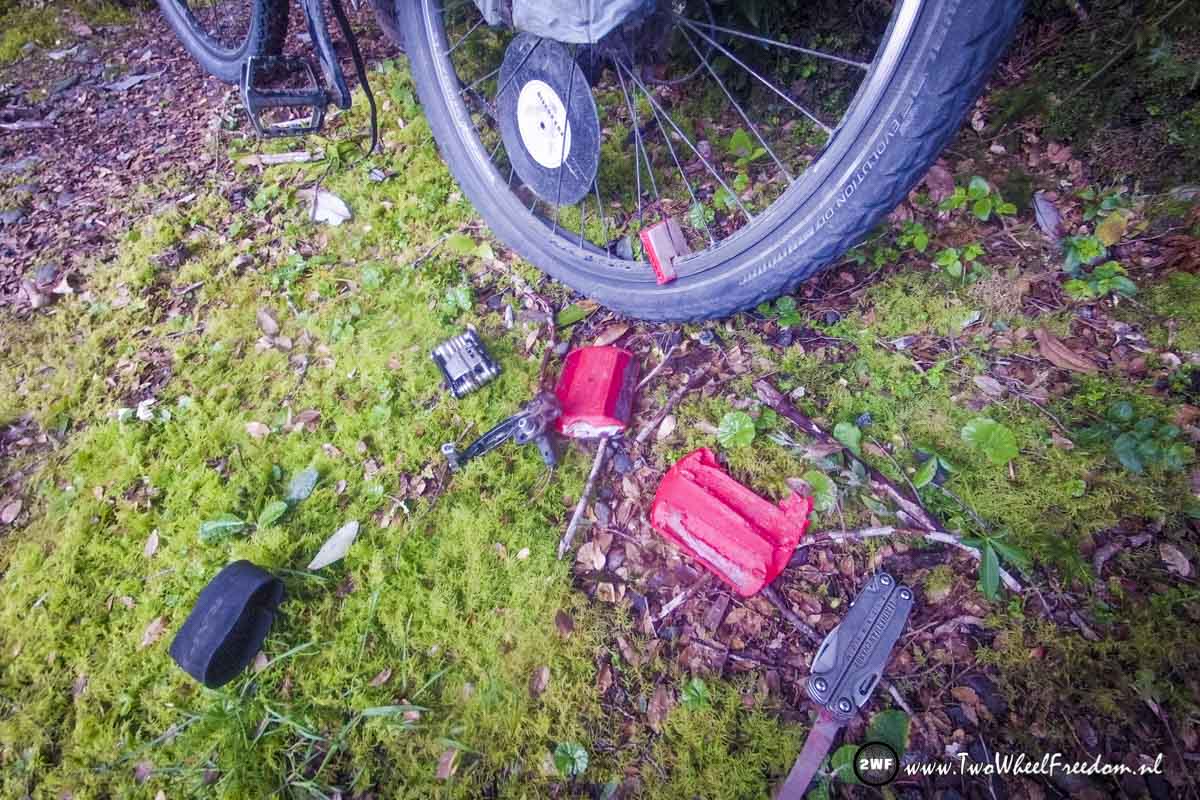
Dahm!! Arjan's back rim cracked. Made something out of old found plastic to hold the rim together. The next town is 350km away so it has to hold for a few days.
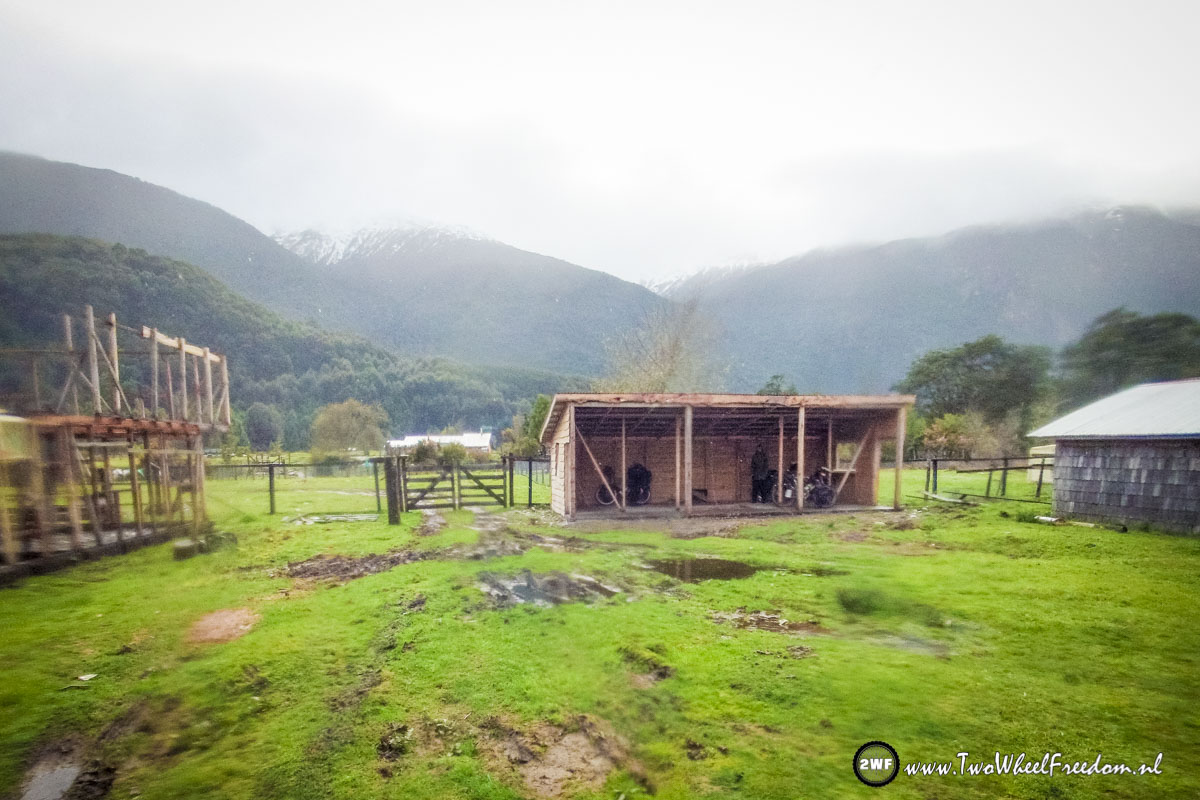
On iOverlander we found this campsite. No one there, not even the owner but we camp underneath the roof. Nice and dry.
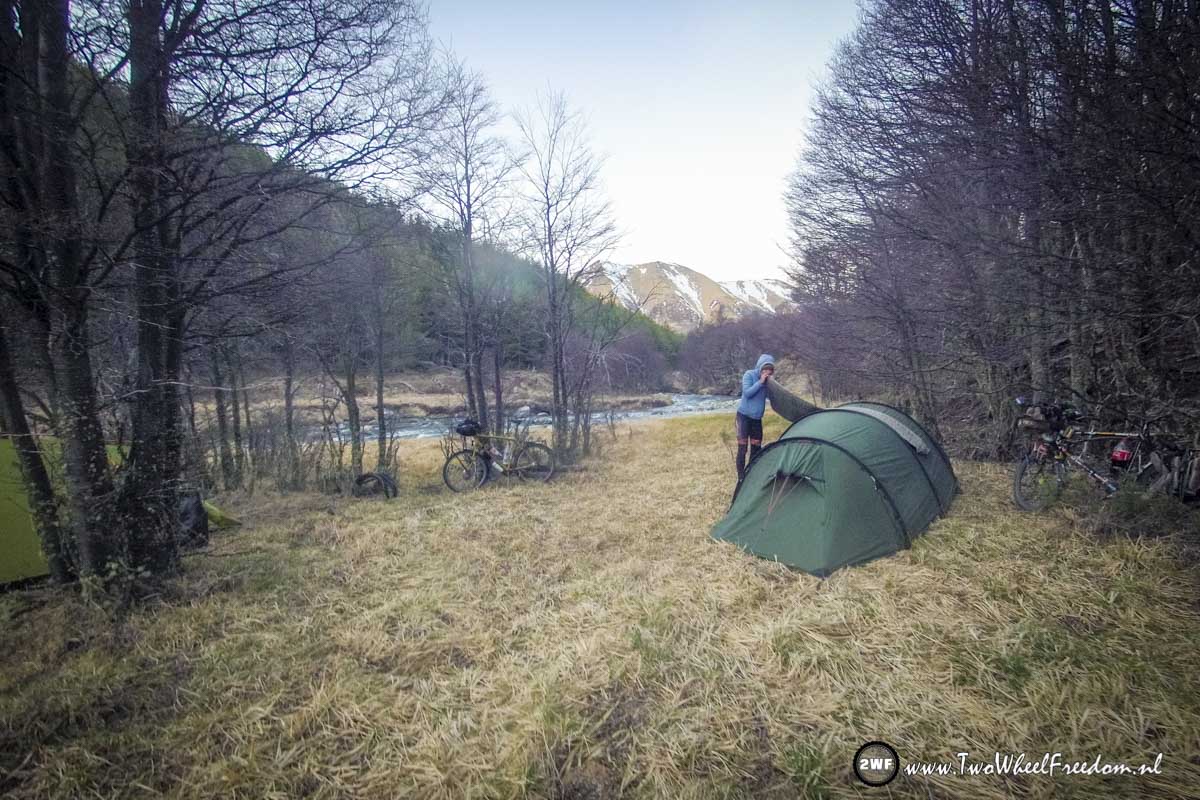
Camping in a National Park is not allowed but here we found a nice hidden spot, unseen from the road.
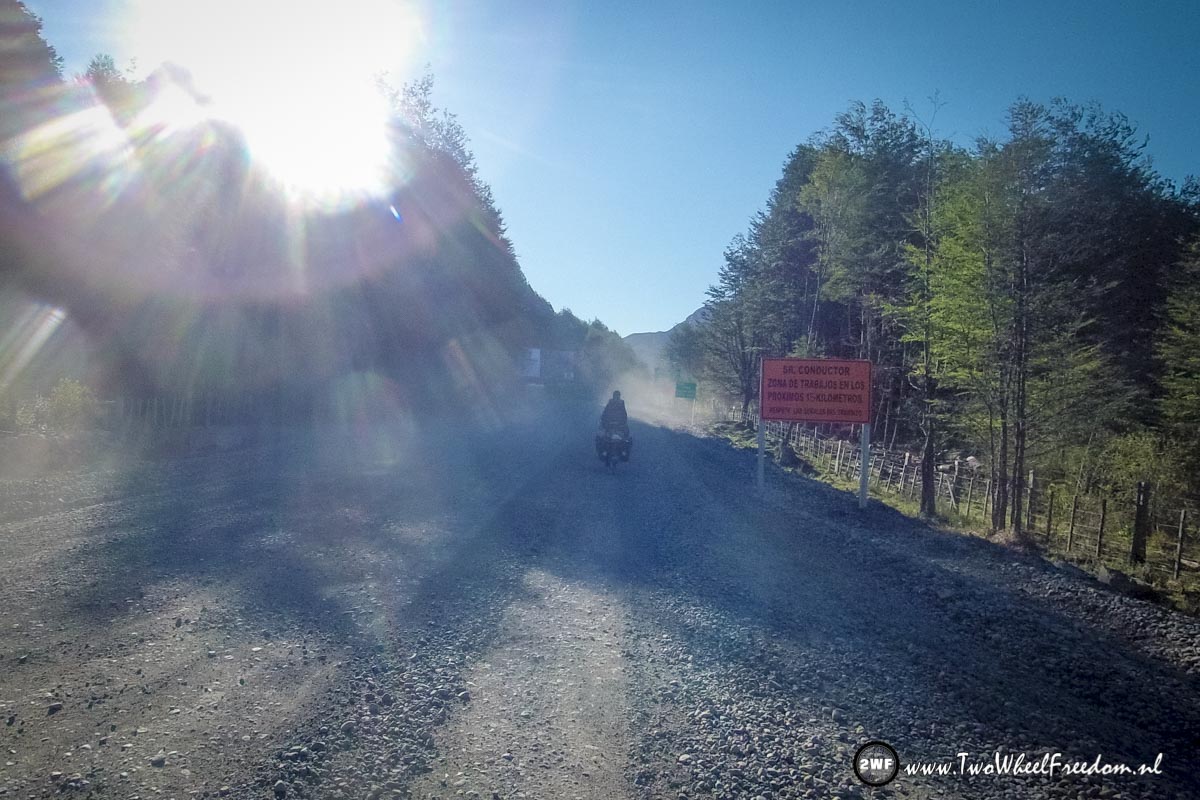
Road construction. The Carretera Austral (which is the main road from north to south Chile) is closed every weekday between 13:00 and 17:00 because of explotions. When we pass this part of the road it's Sunday so we can pass through. But still it is dusty.
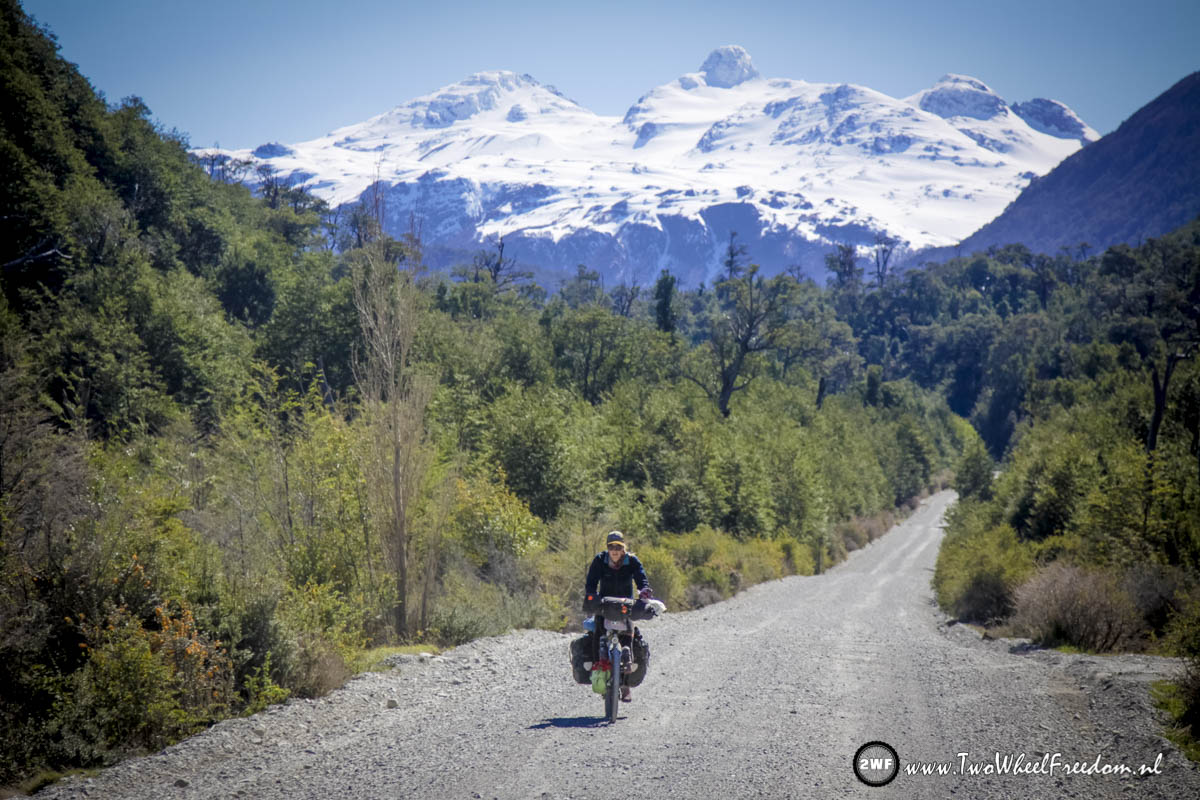
The Carretera Austral is definitely one of the most beautiful parts of our trip through the Americas.
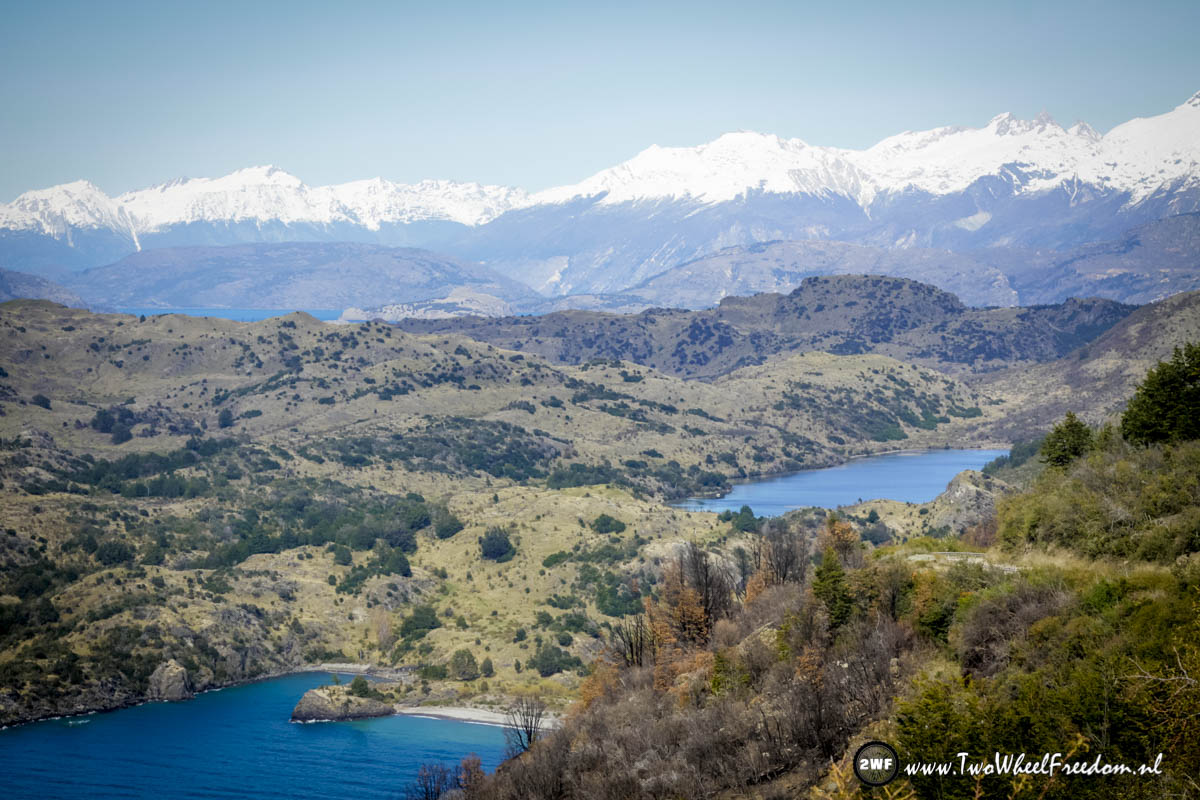
We continue. Jochen stays a little longer because he is not flying back home in five weeks, as we do.
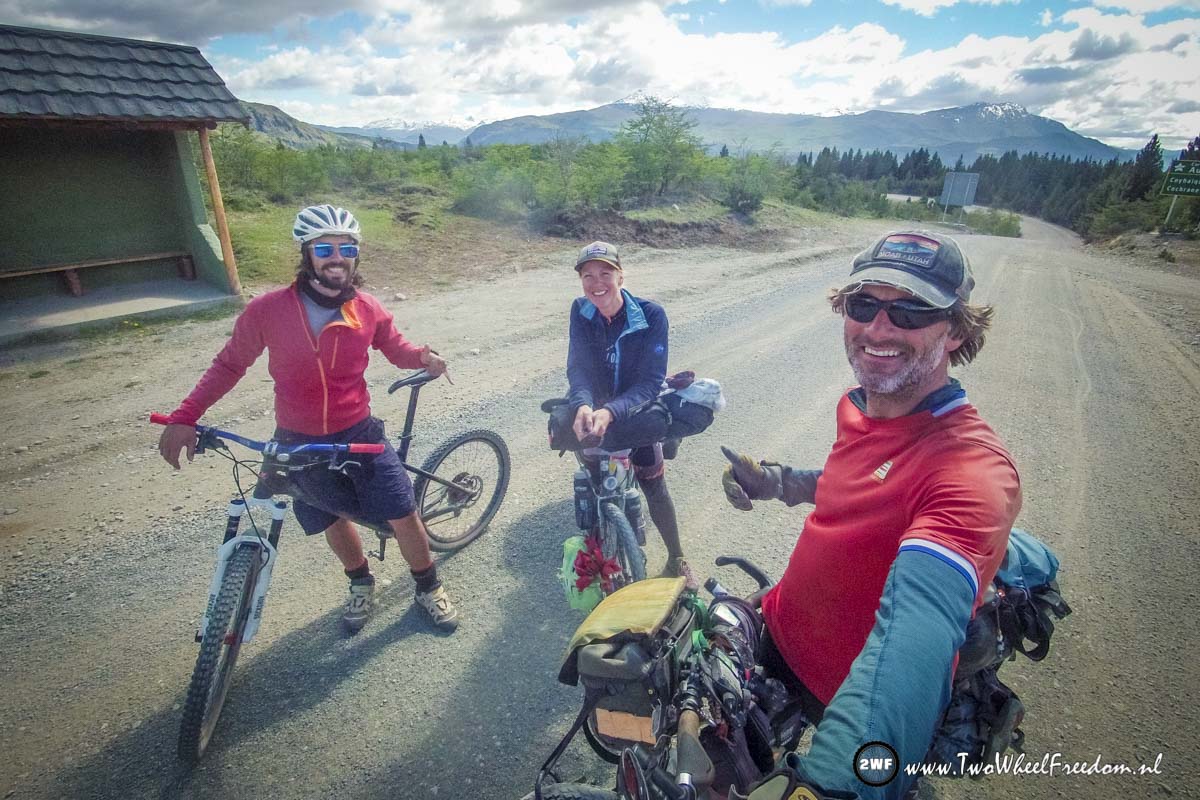
We met Piero from Italy while he and we where cycling in Mexico. He was on his way to Canada, we on our way south. Now we meet again in the deep south of Patagonia. He working now at a brewery brewing good beers, we still cycling further south to Ushuaia.
Funny how paths can cross again after so many months and so many kilometres.
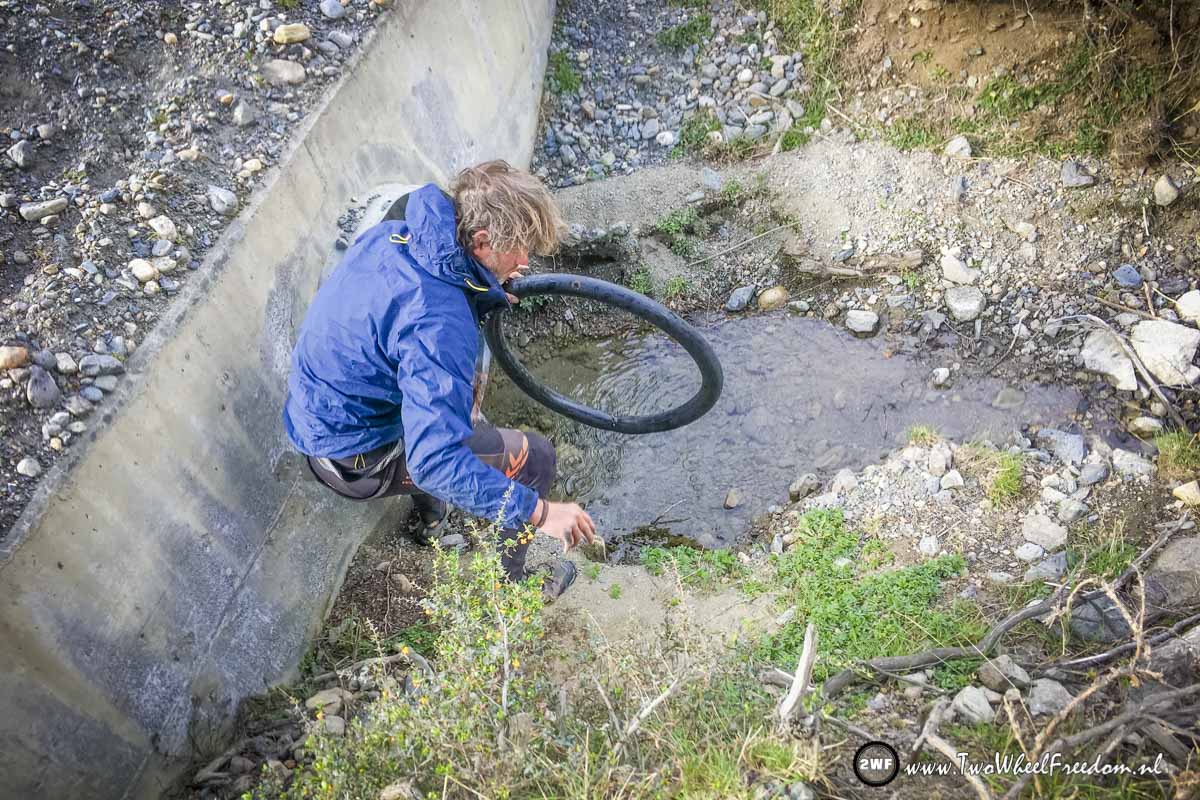
Most of the time when having a flat tire it's not hard to find the hole in the tire. This time Arjan needed a small stream to find it.
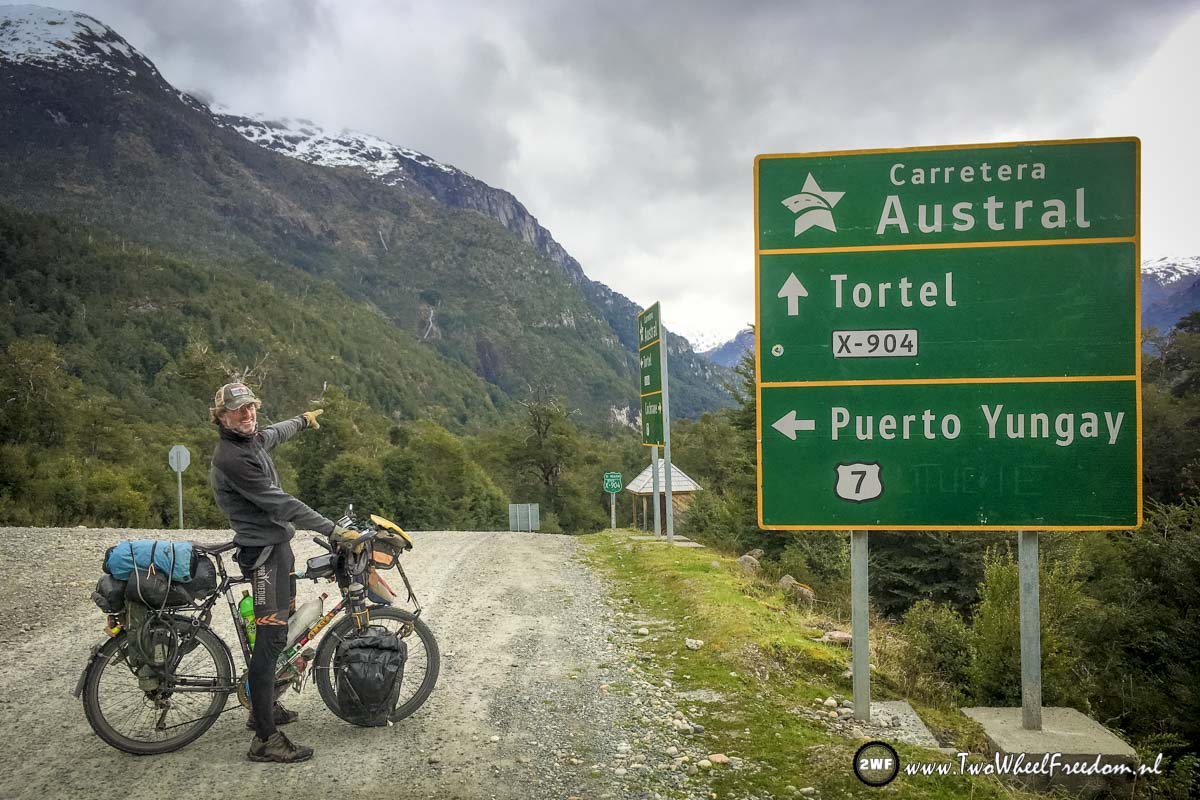
The Carretera Austral (Ruta 7) is going left. We go straight to Tortel from where we need to catch a ferry because the border crossing at Villa o Higgens, where we wanted to cross into Argentina again, is closed till the first of November. We don't have enough time to wait for that so we are gonna take a ferry for 3 days and sadly skip Villa O'Higgens 🙁
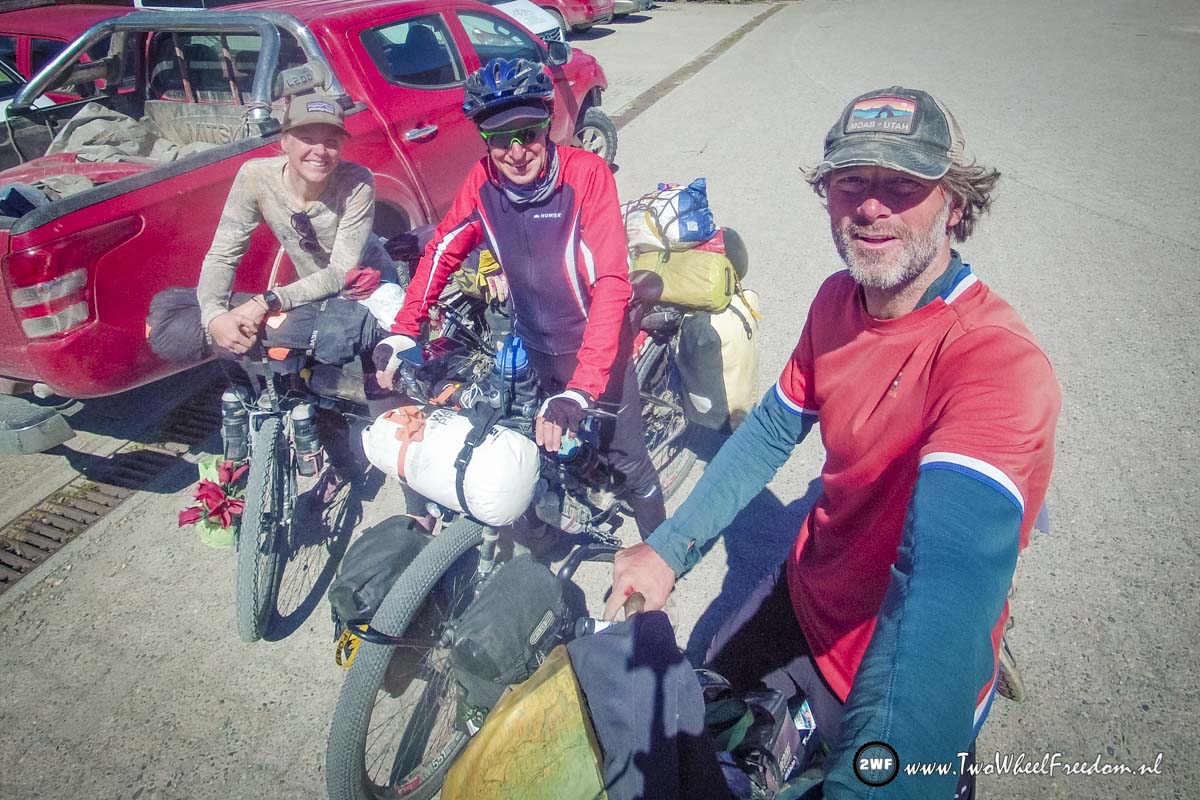
At Tortel we met Roel from Holland. 73 years old and still going (very) strong. Cycling through South America on his own on a plustire 29er mountainbike. "Why sit alone at home when you're older and don't have to work anymore if you can explore the world as well?" Inspiring man 🙂
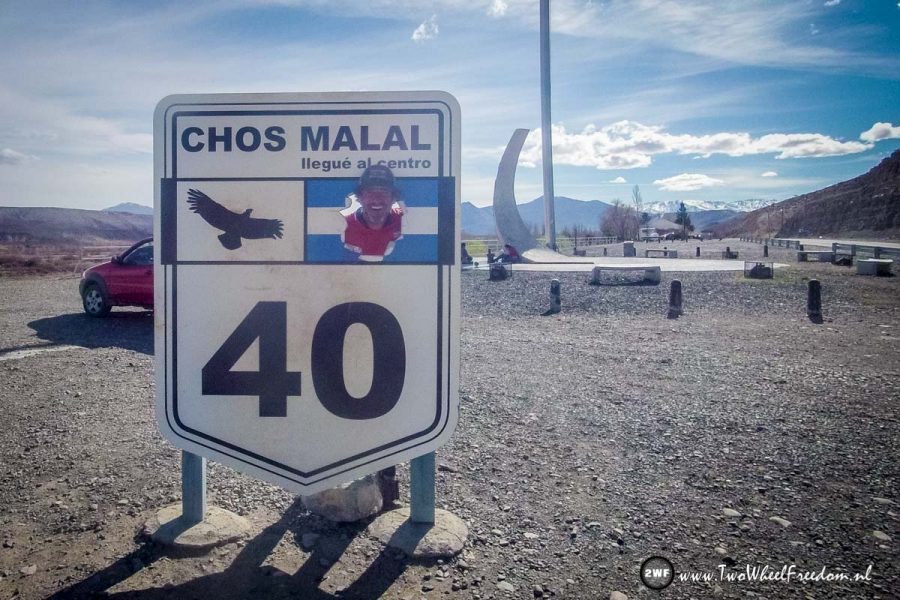
Mendoza, Argentina into Chile.
After we had some resting days in Mendoza we continued further south via the Ruta 40. It took nearly a day of cycling before we got rid of the city and cycled into the country side again.
On our open street maps a large part of the Ruta 40, a bit after Mendoza seemed to be pampas (gravel) but it was actually pretty good brand new asphalt. Much more south our map promised asphalt but we ended up on an 250 km bad ass pampas road. Every day gives surprises, even in Argentina.
In the end, the road was not the problem but the strong head winds. At some days so strong we had to walk and push our bicycles. We did camp underneath bridges and slept in water wash-outs underneath the road.
Our goal of this all was the touristic town of San Martin de los Andes and the stunning Seven Lake Road into Chile.
Have fun reading 😉

It's a long way out of Mendoza before we're in the country side again. By the end of the day we find a camp spot close to the road. A former picknick spot.
---
---
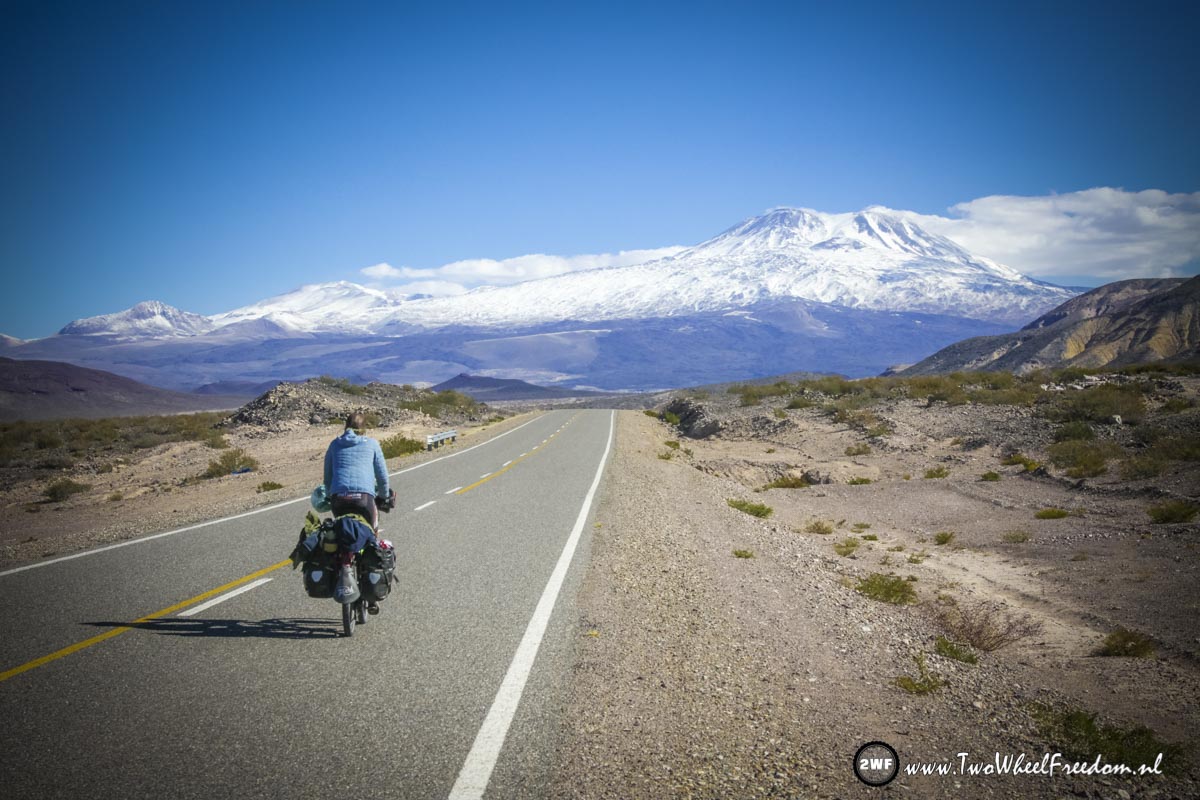
Patagonia is the area below Rio Colorado and covers the south of Argentina and Chile. This part of the world is popular by outdoor enthusiasts because it's rough and beautiful nature and landscapes.

Because there is so much wind we try to camp under the road in a water was out. Lucky us it's not raining 😉
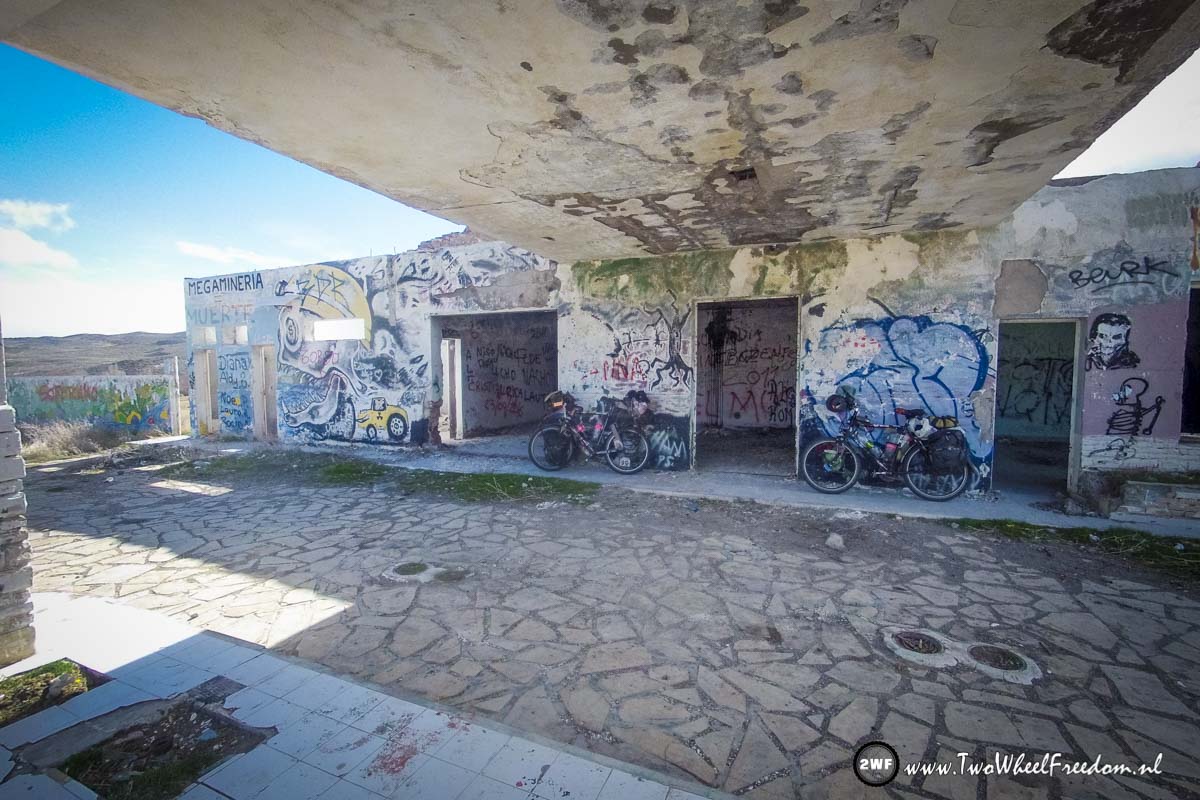
By the end of the day we're looking for another out of the wind spot to camp or sleep. We find this old gas station but it's to dirty to sleep in.
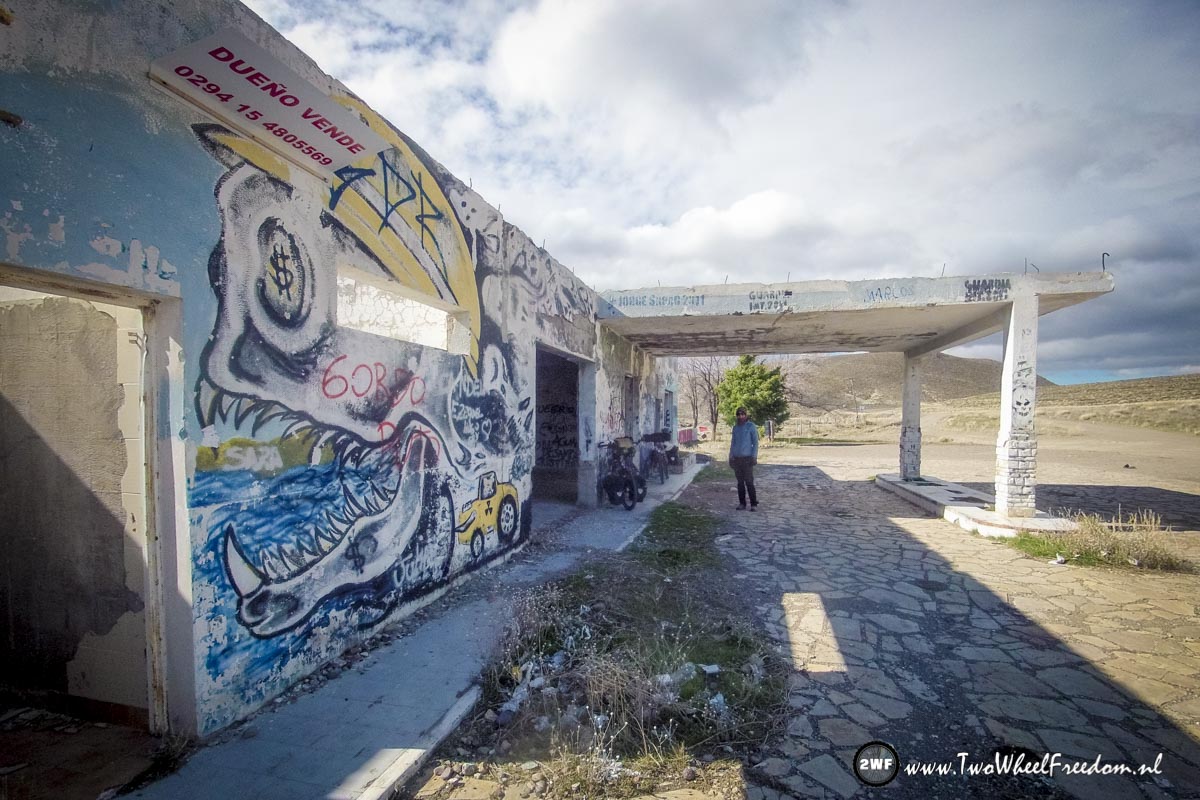
The sign says the place is for sale. So if you want to start your own smelly gas station call the number on the sign 😉
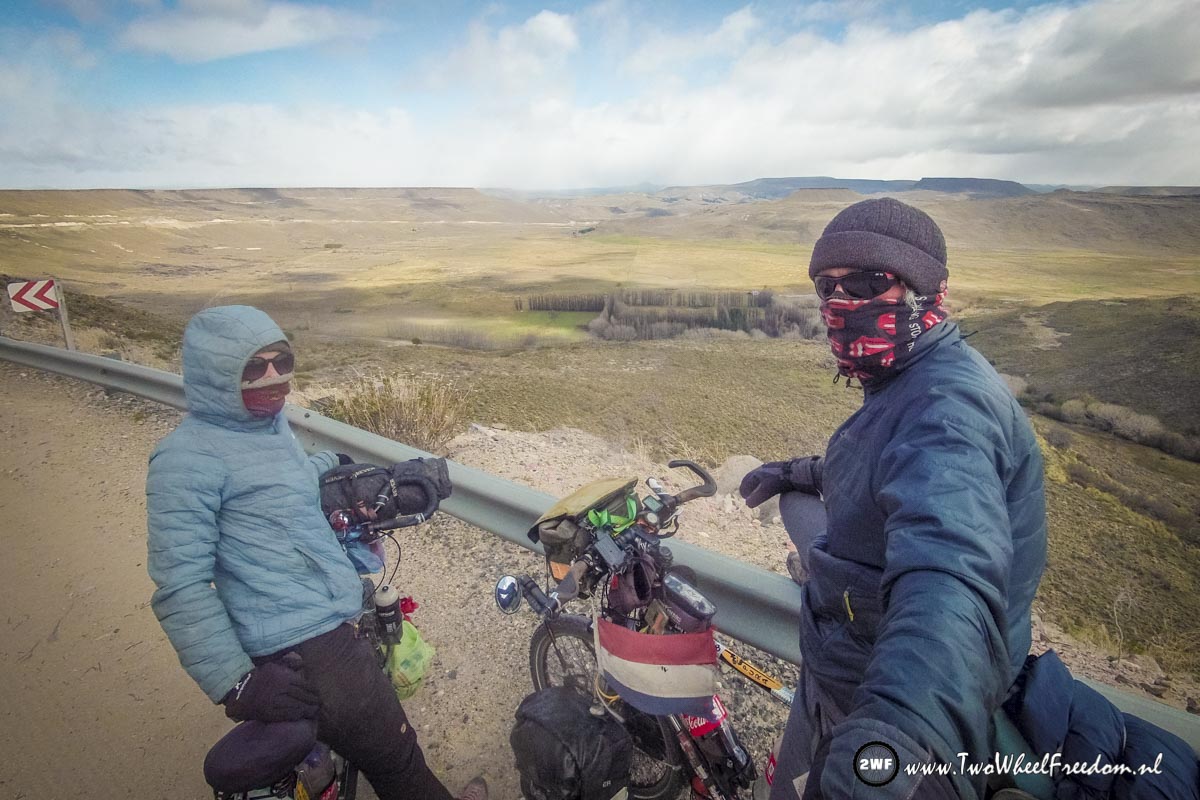
Ready to dive into this canyon. At the horizon we can see how high we have to go again after we past the bottom of the deep canyon.
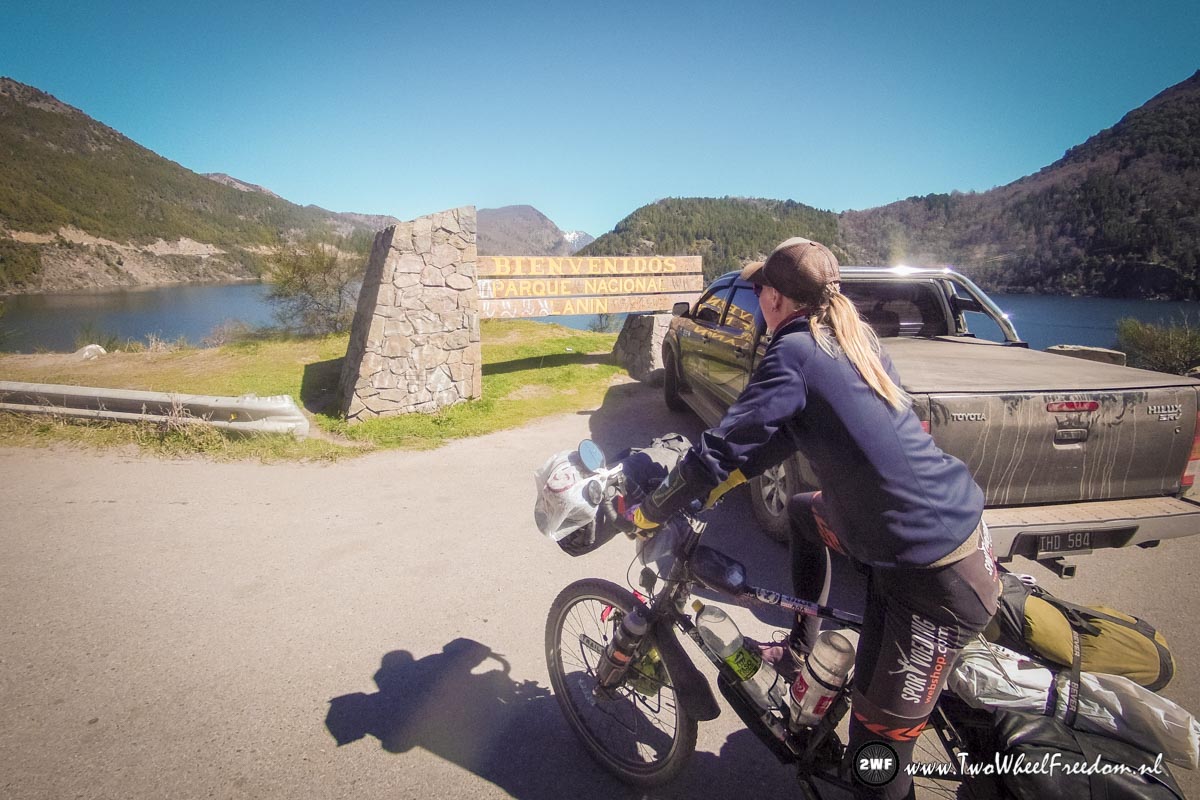
From San Martin we follow the famous and beautiful "Seven Lakes Route" to the Chile border. By the way, this Seven Lake Route is still part of Ruta 40.
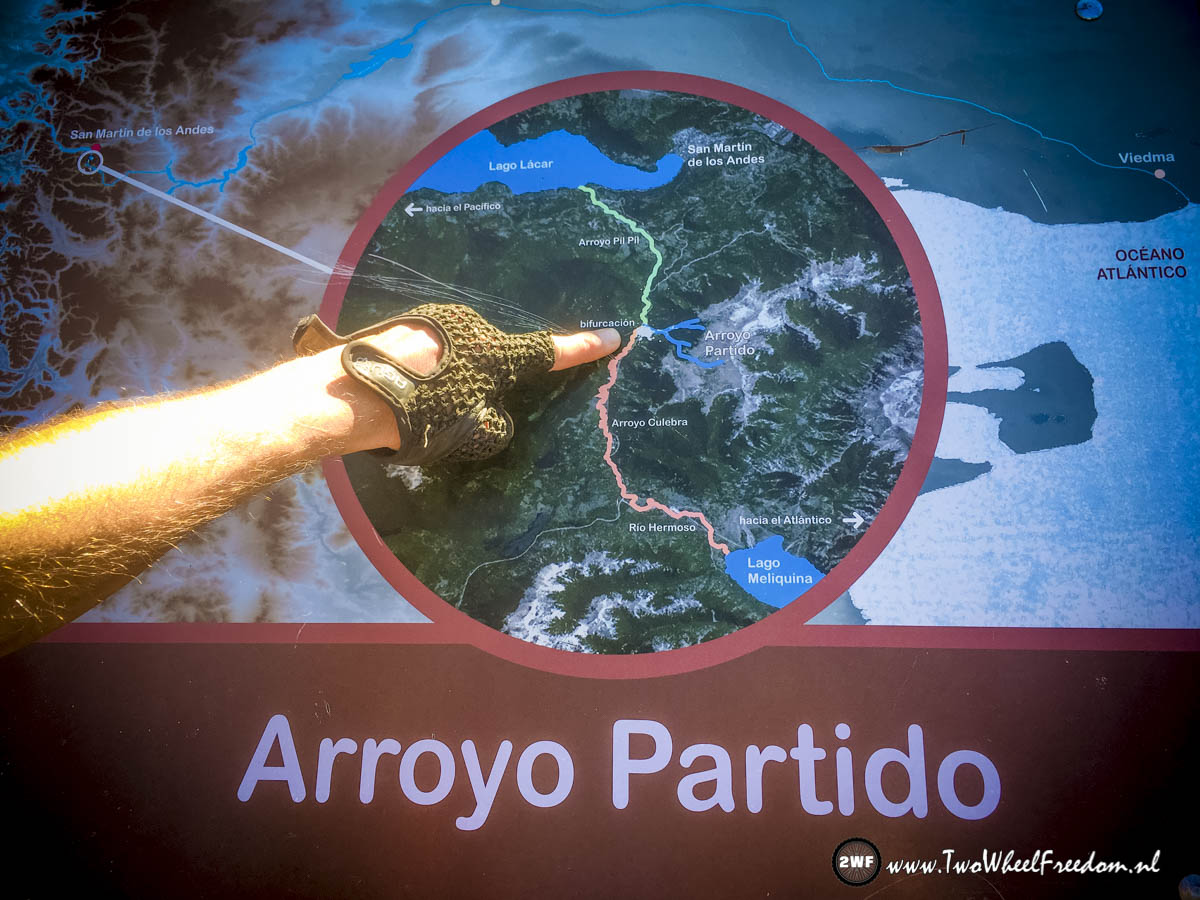
At this point the river splits in two. One side goes into the Pacific Ocean, the other side into the Atlantic Ocean. This means we are at a continental divide. 🙂
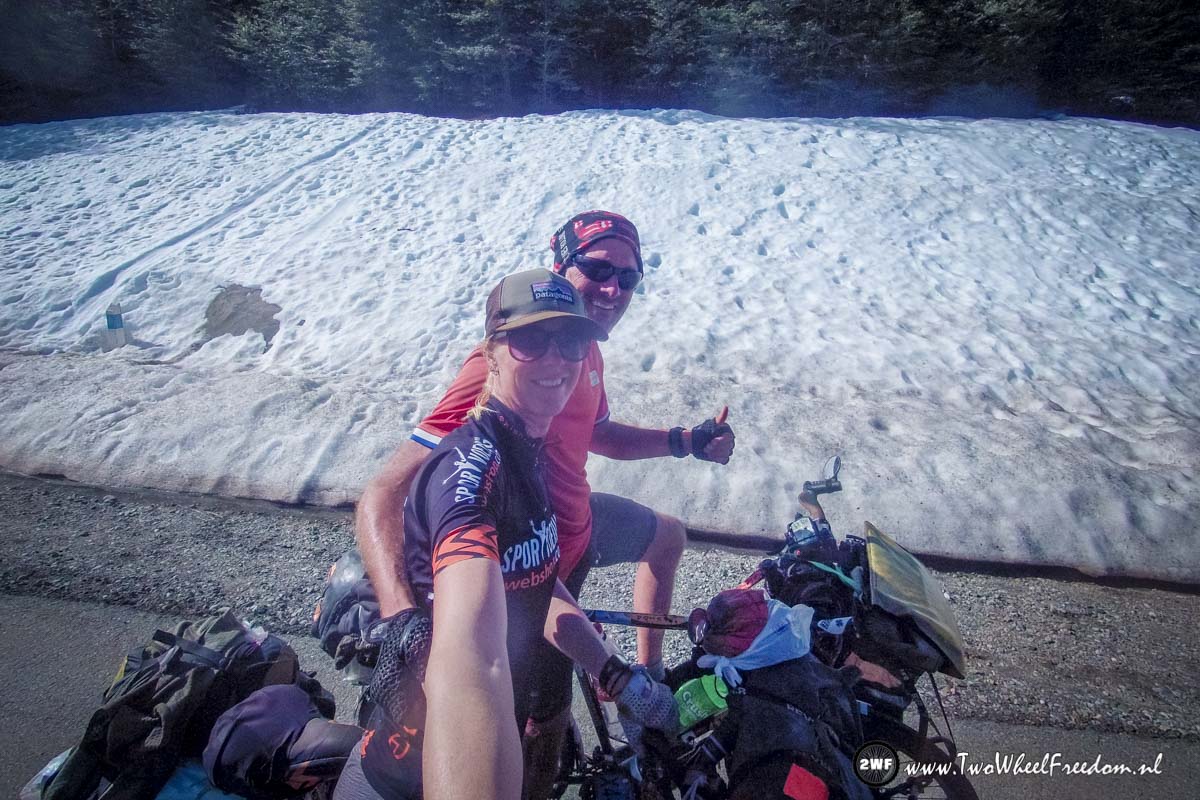
At some mountain passes we still find snow. We've heard from other travellers this Seven Lake Route is just open since a week. Before that it was closed because of the winter.
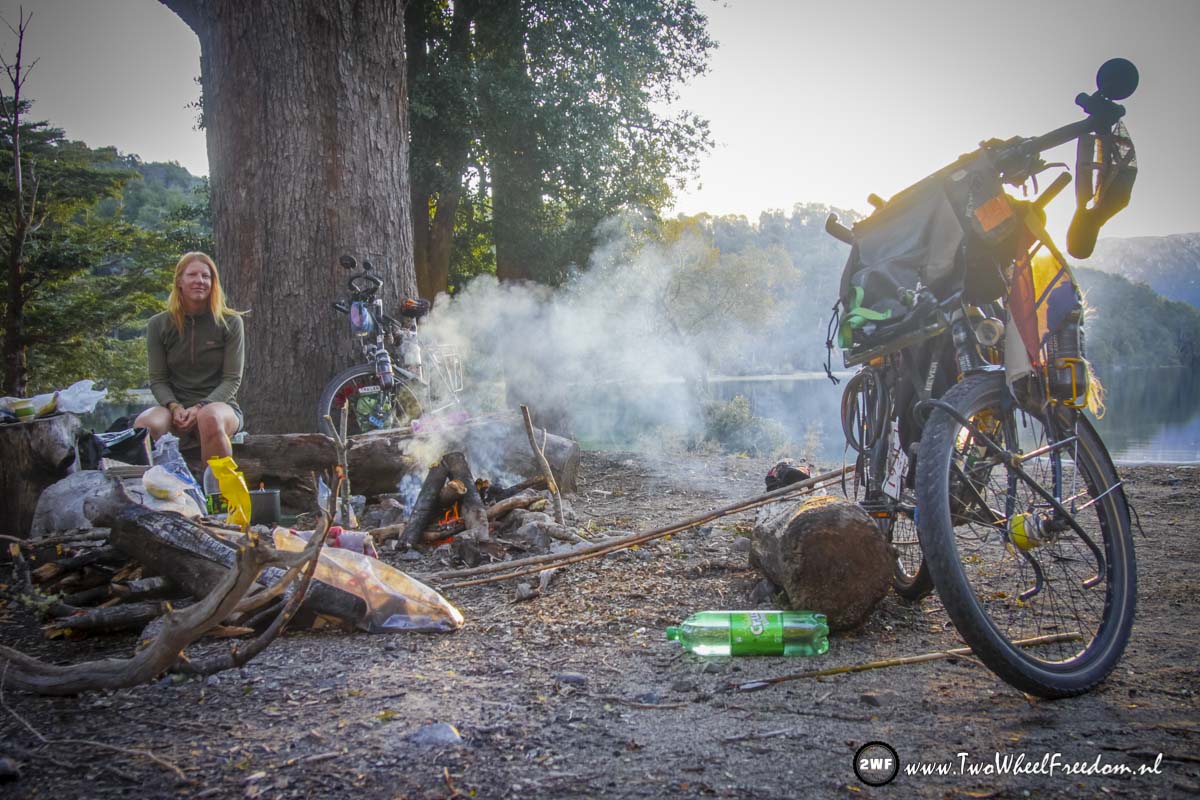
Wild camping is not allowed along the Seven Lake Route because it's all National Park. Instead of that, there are designated areas close to ranger stations where you can camp. At these spots campfires are allowed as well.
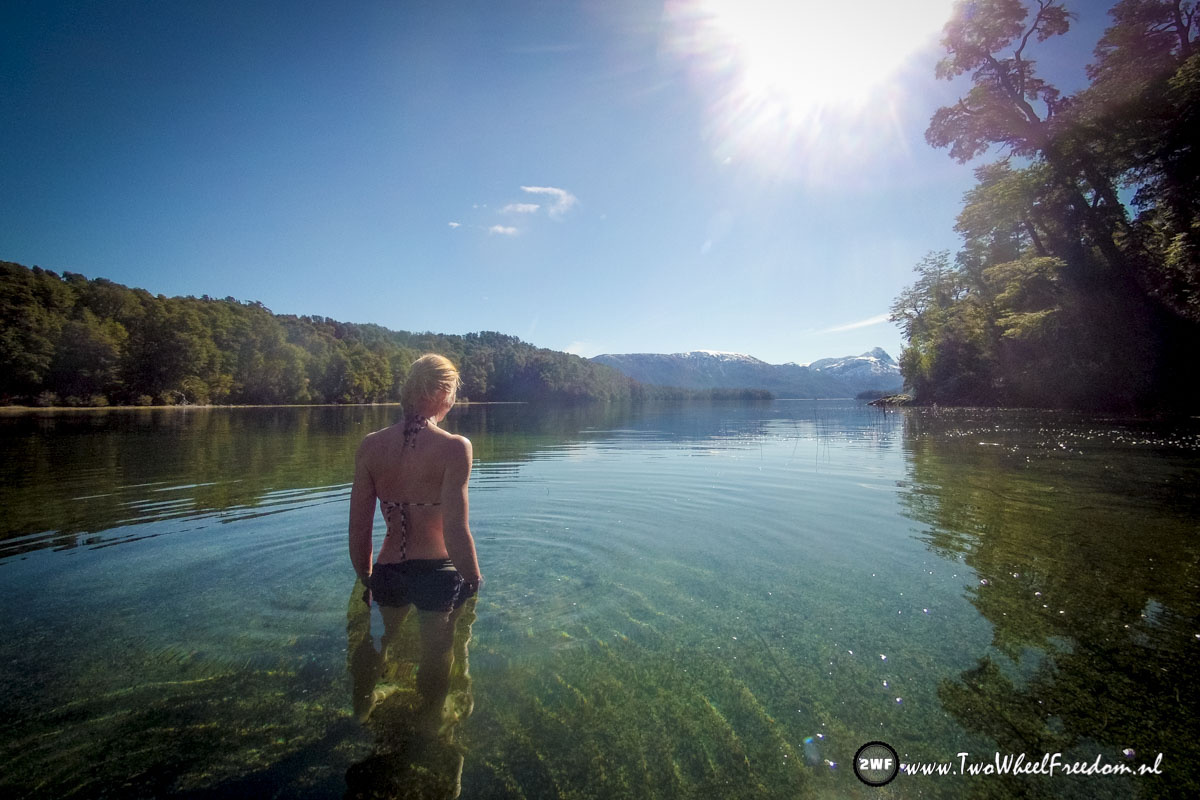
Because we like this camp spot very much, it's nice weather and we have enough food we decide to stay a second night along this lake. Time for swimming.
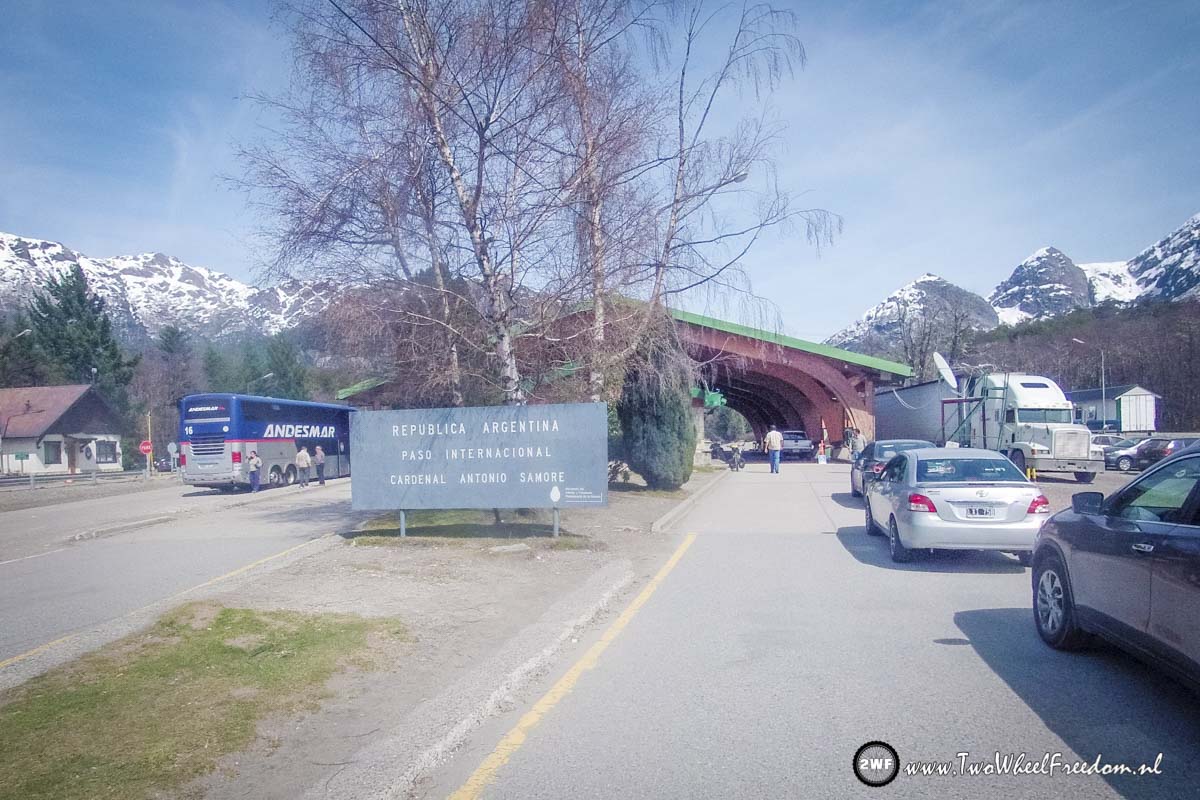
The customs near the Chilean border. From here to the real border is another 30km. This because the real border is at a mountain pass which is often covered in snow. The custom officers don't like snow we guess.
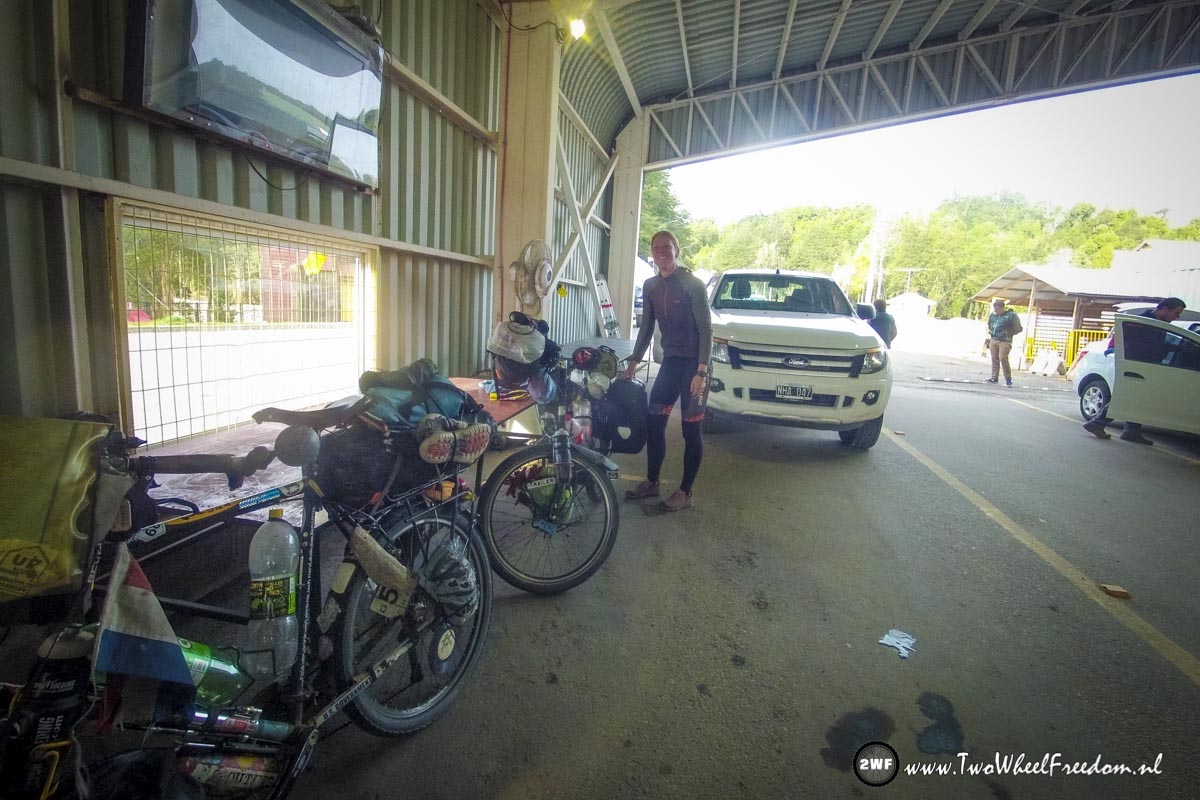
It's illegal to bring fresh fruits, vegetables and meat into Chile. Our bags were checked. We did eat our bananas and salami. They didn't discover the rest of the cheese, meat and fresh carrots. Luckily we can cook dinner tonight 😀
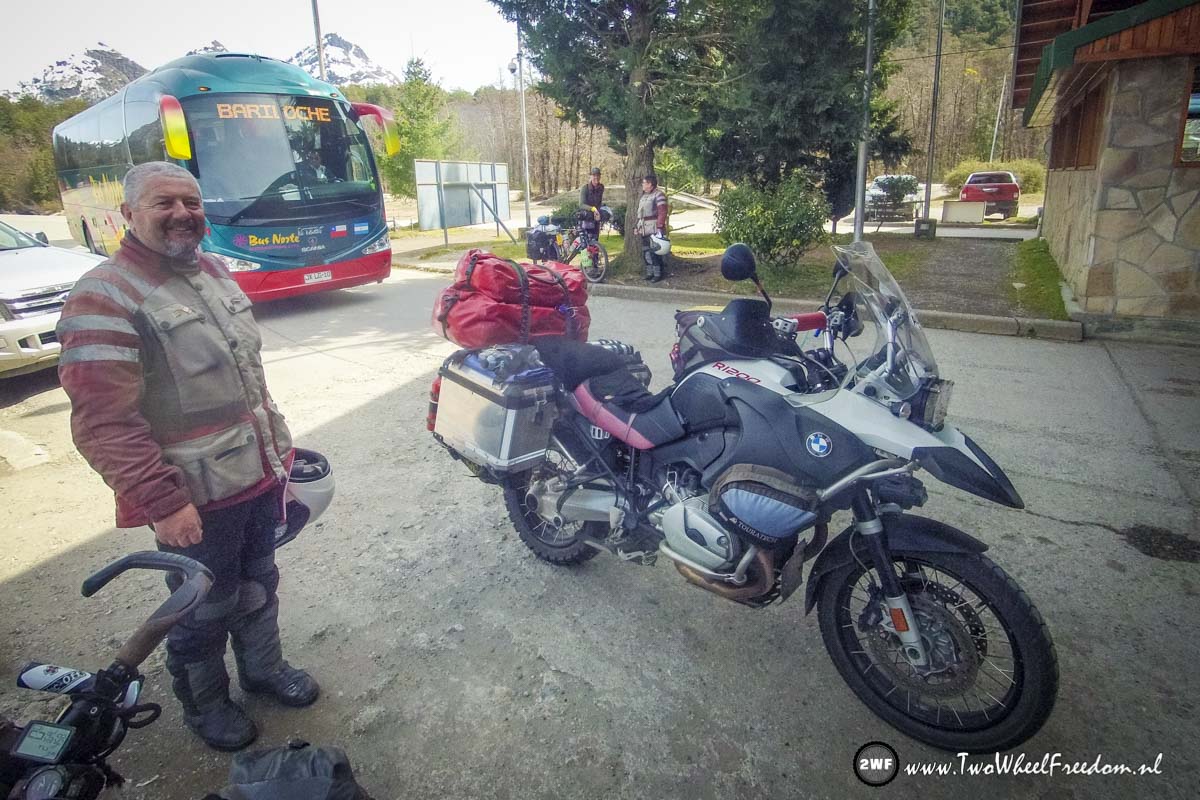
At customs we also met Mel and Juli from Melbourne, Australia. They did nearly the same route as we did, starting in Alaska and riding to Ushuaia but by BMW.
Thanks for reading again 🙂
Our next blog will be about the Carretera Austral in Chile, together with Alaska one of the most beautiful parts in the world we ever cycled for so far.
Cheers,
Kim & Arjan
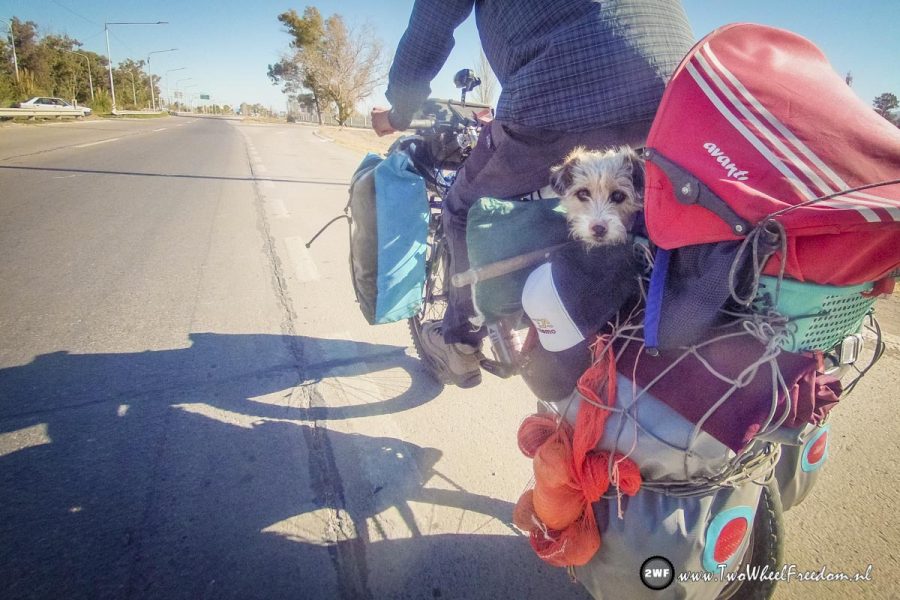
If you cut the map of the world at the equator and you put Argentina over Africa and Europe, you see that Argentina has the same length as from South Libya to Denmark.
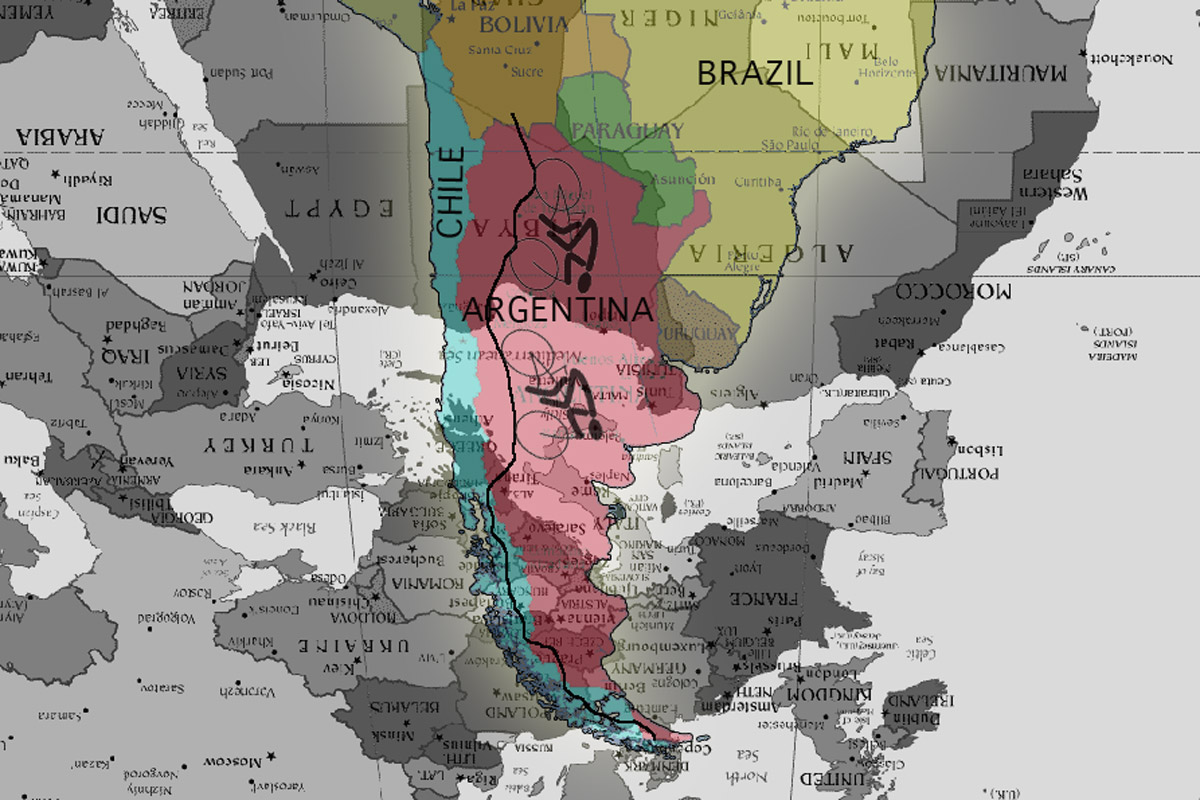
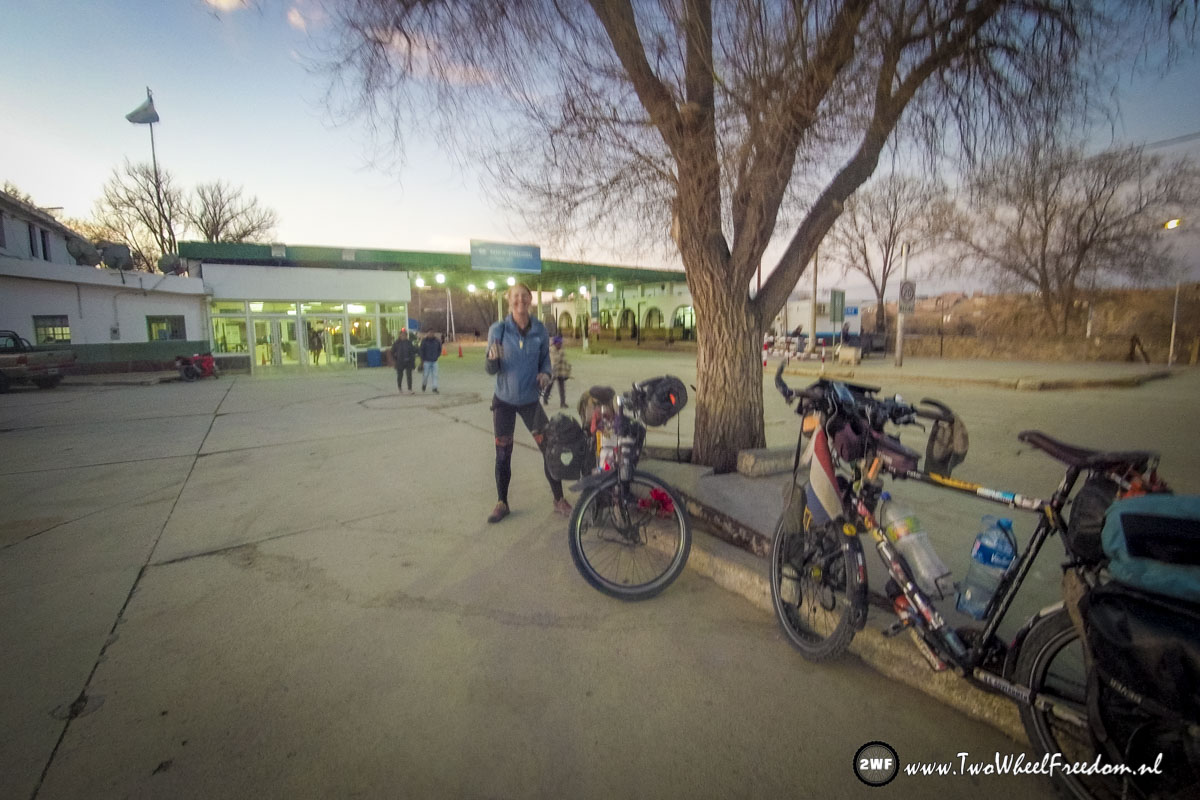
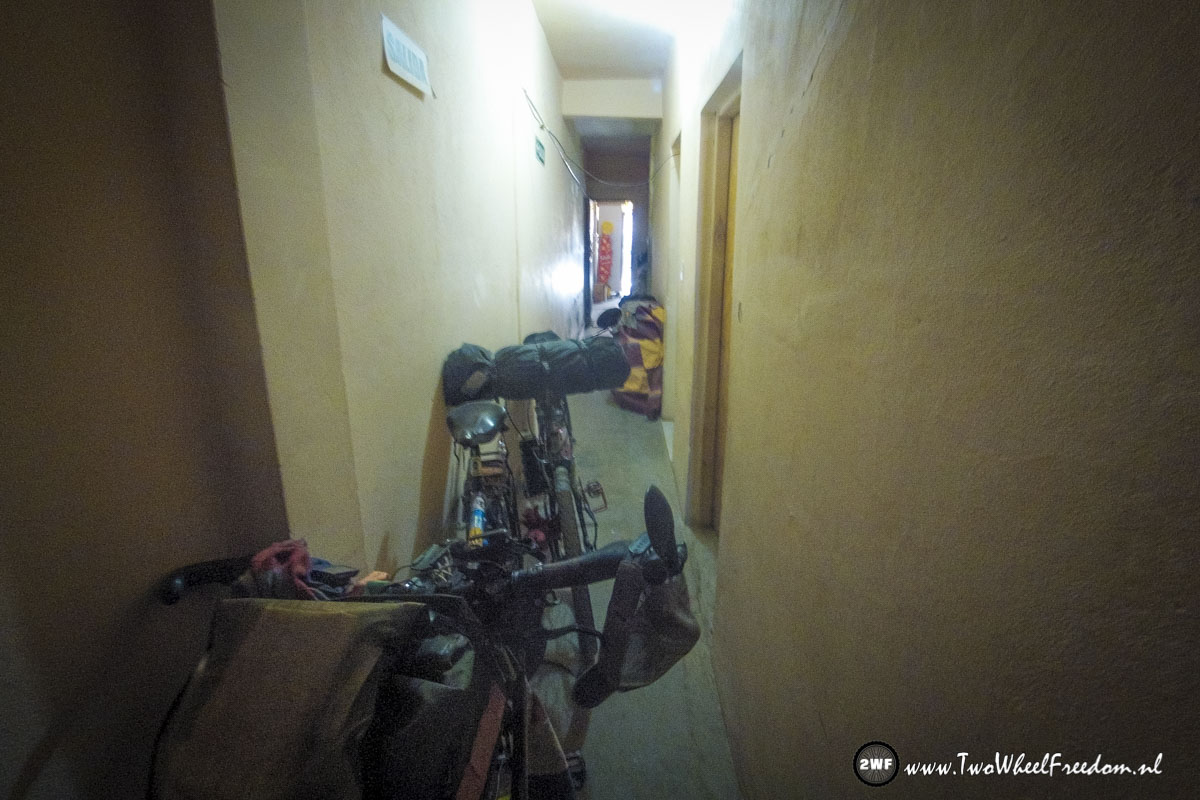

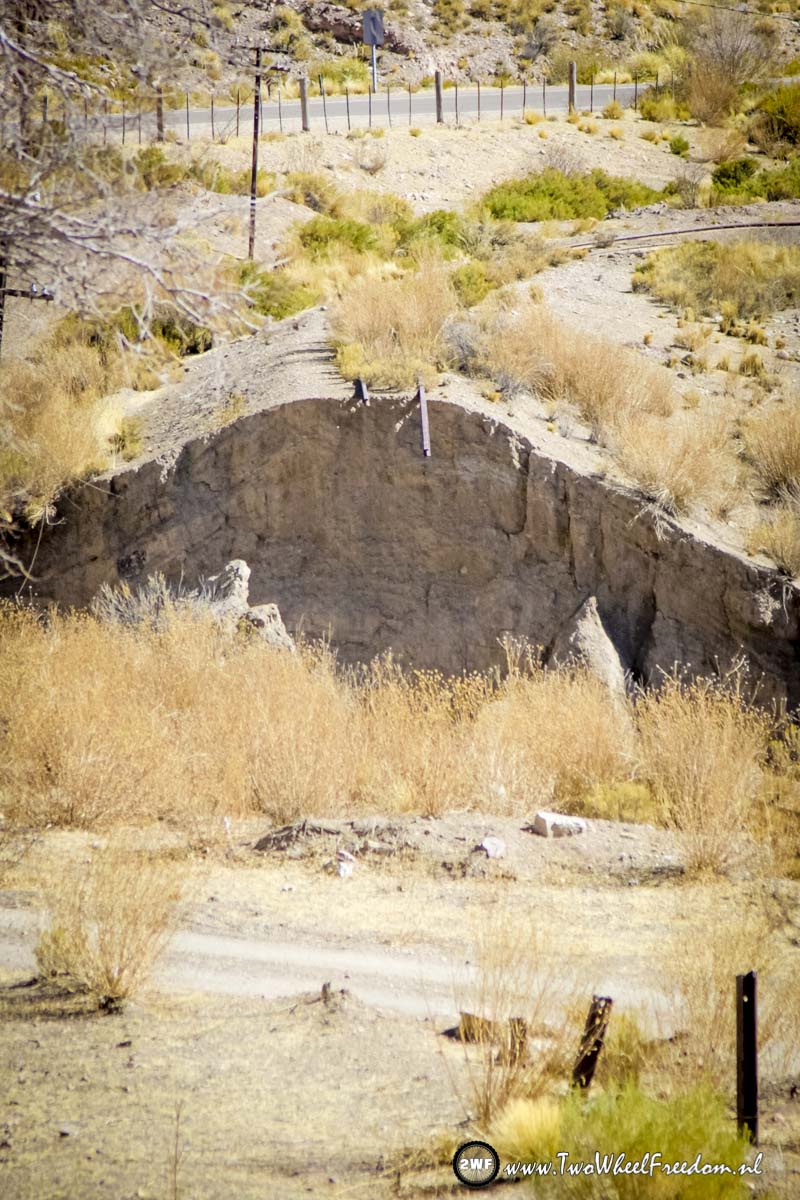
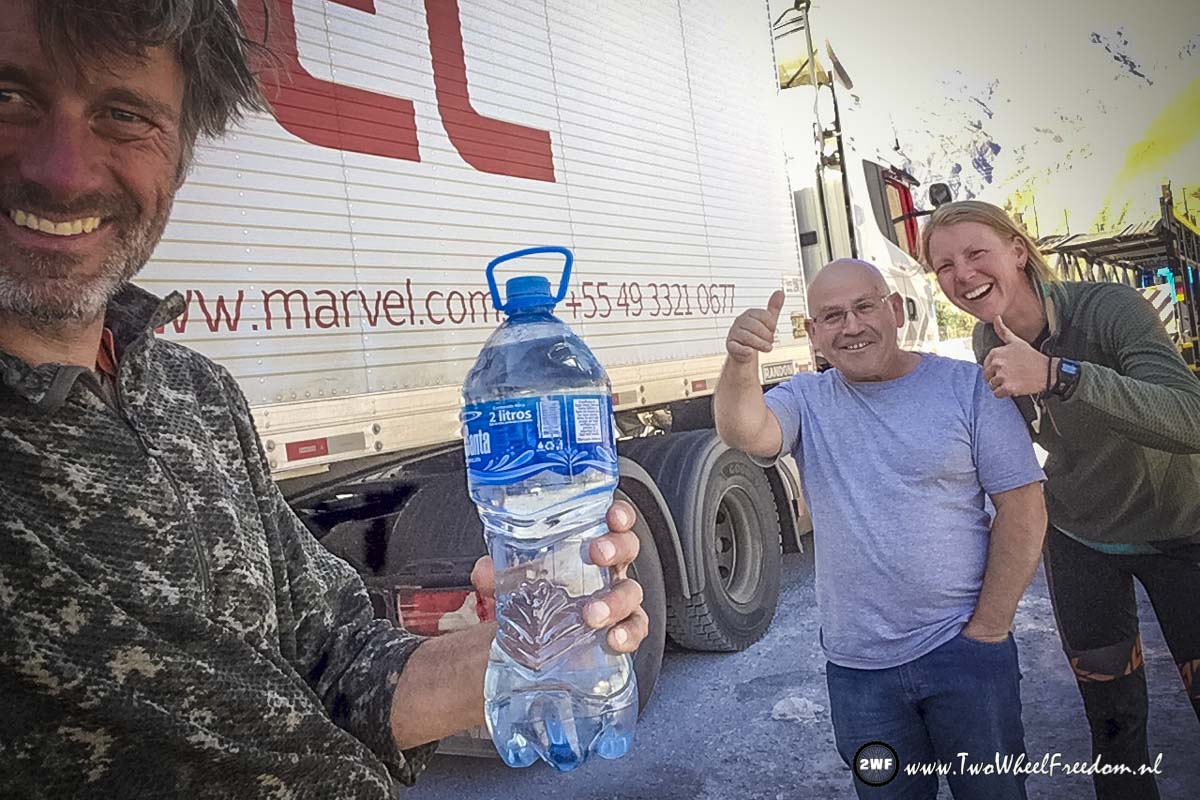

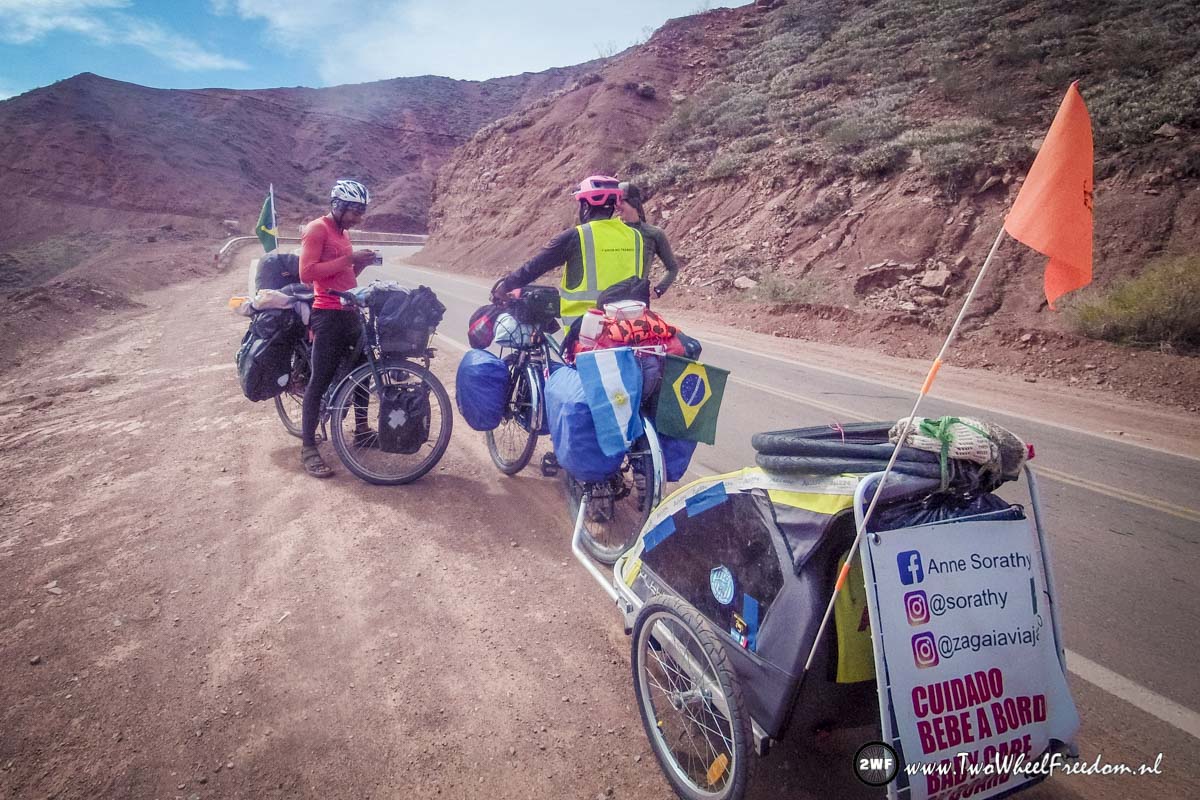
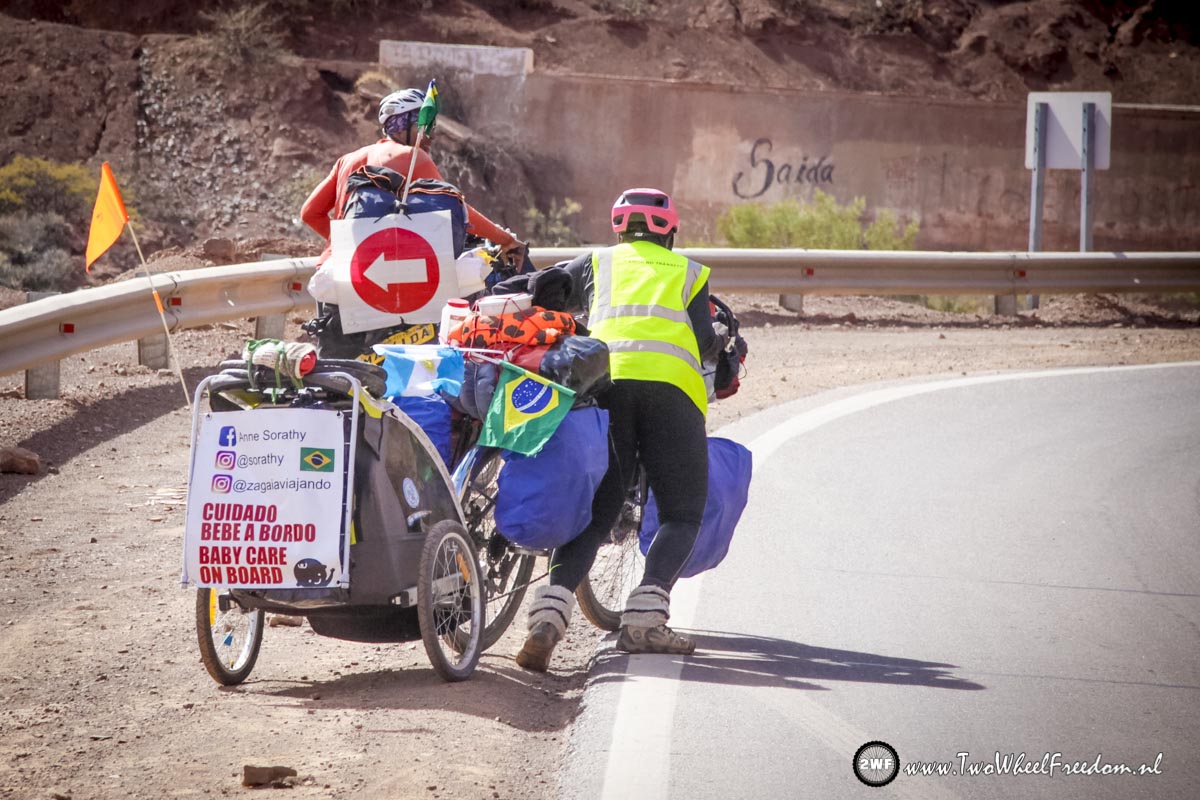
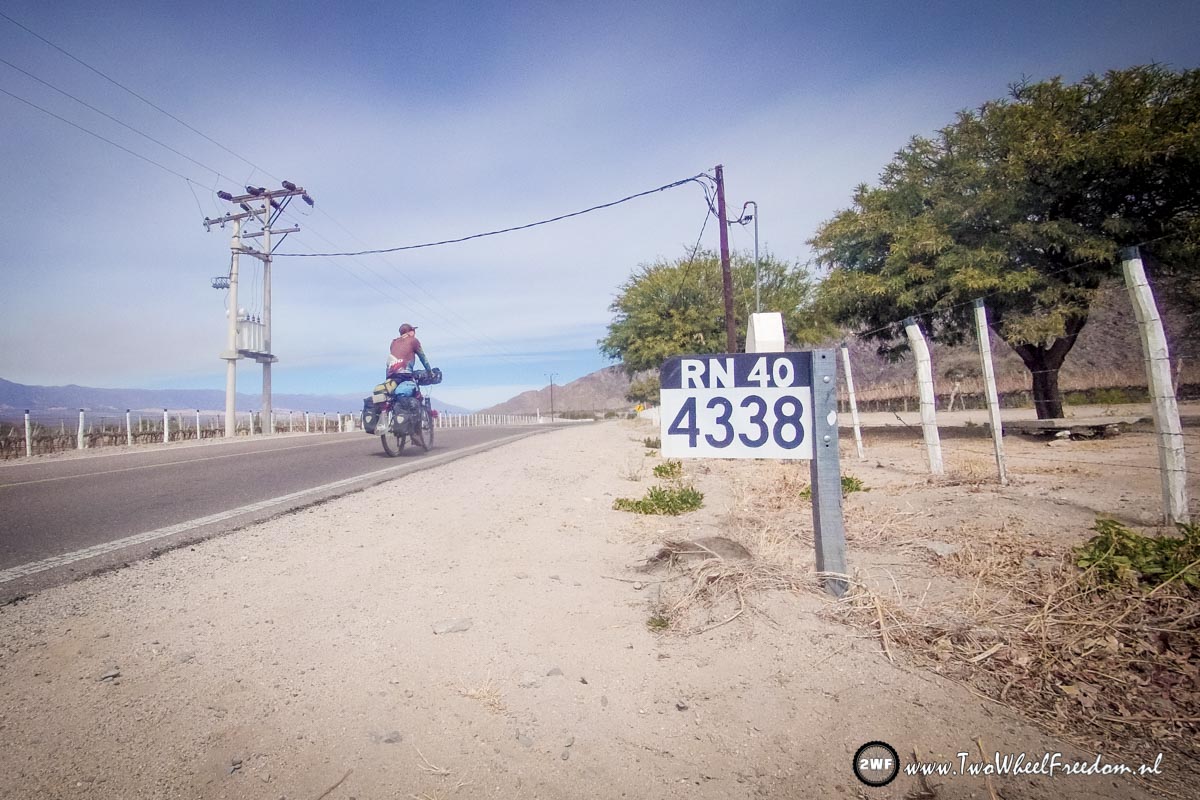
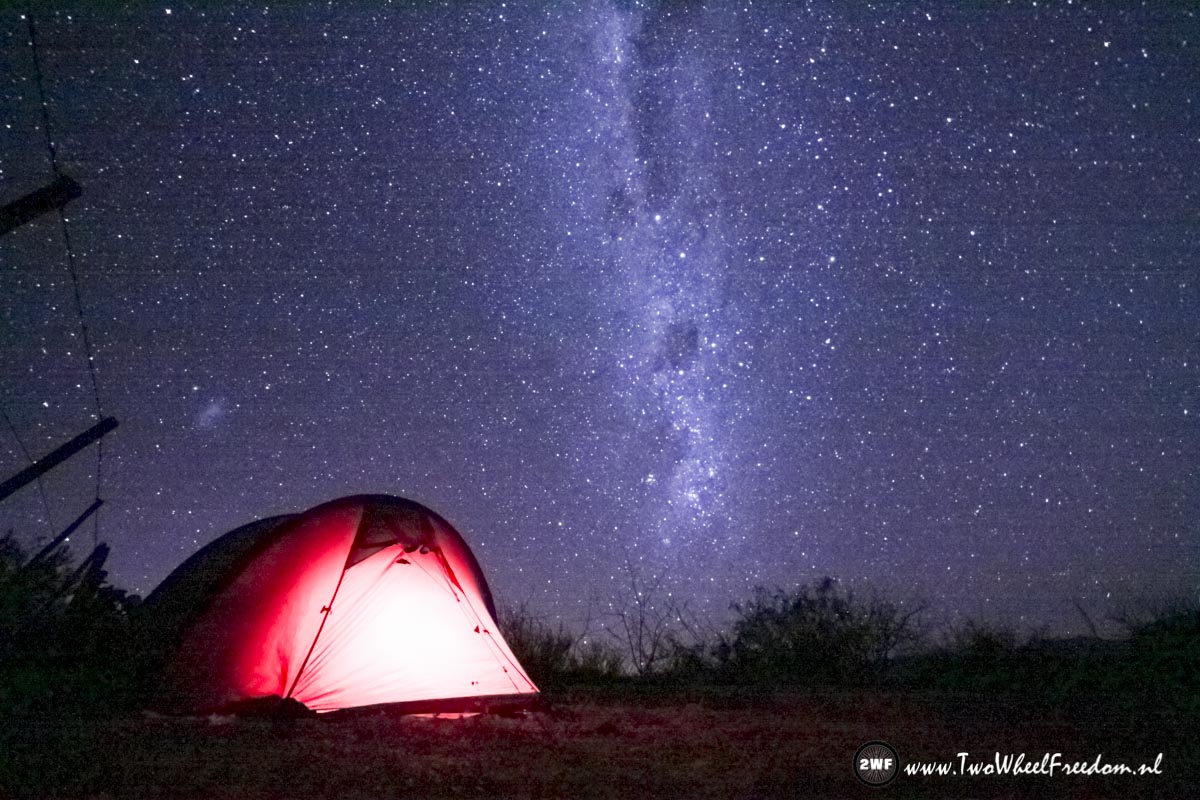
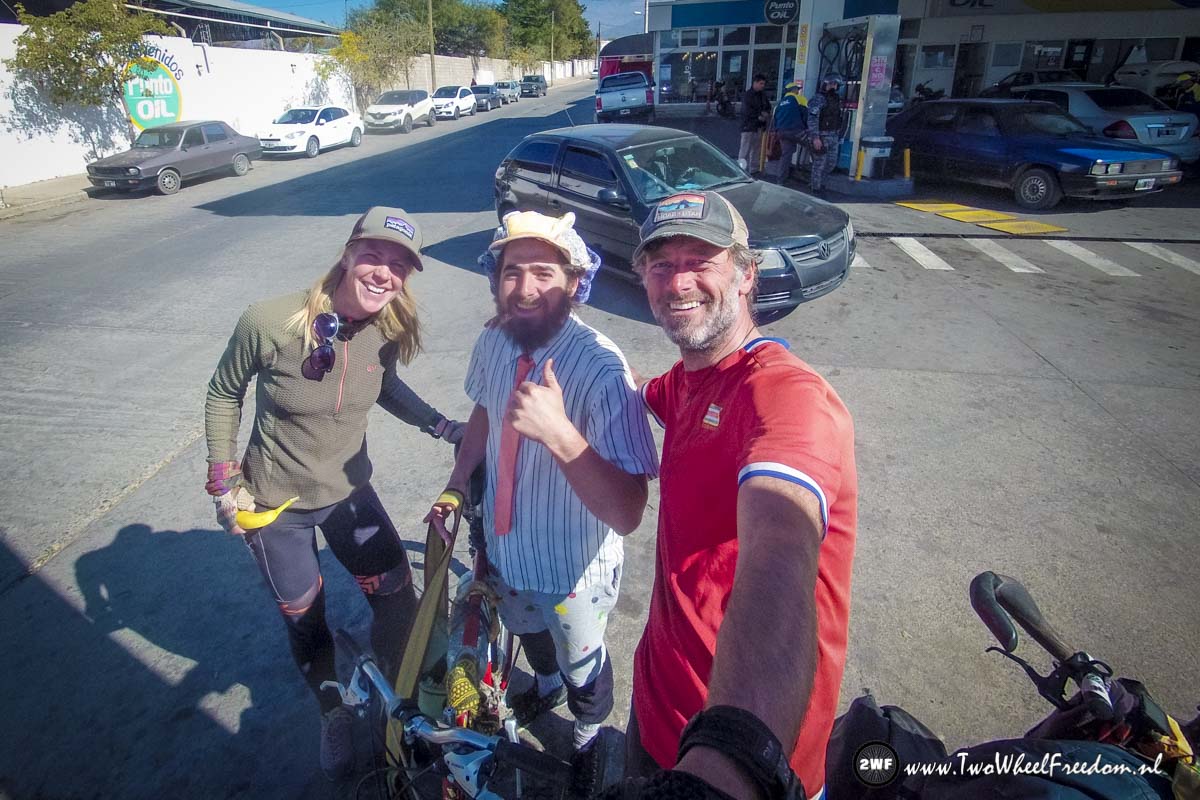
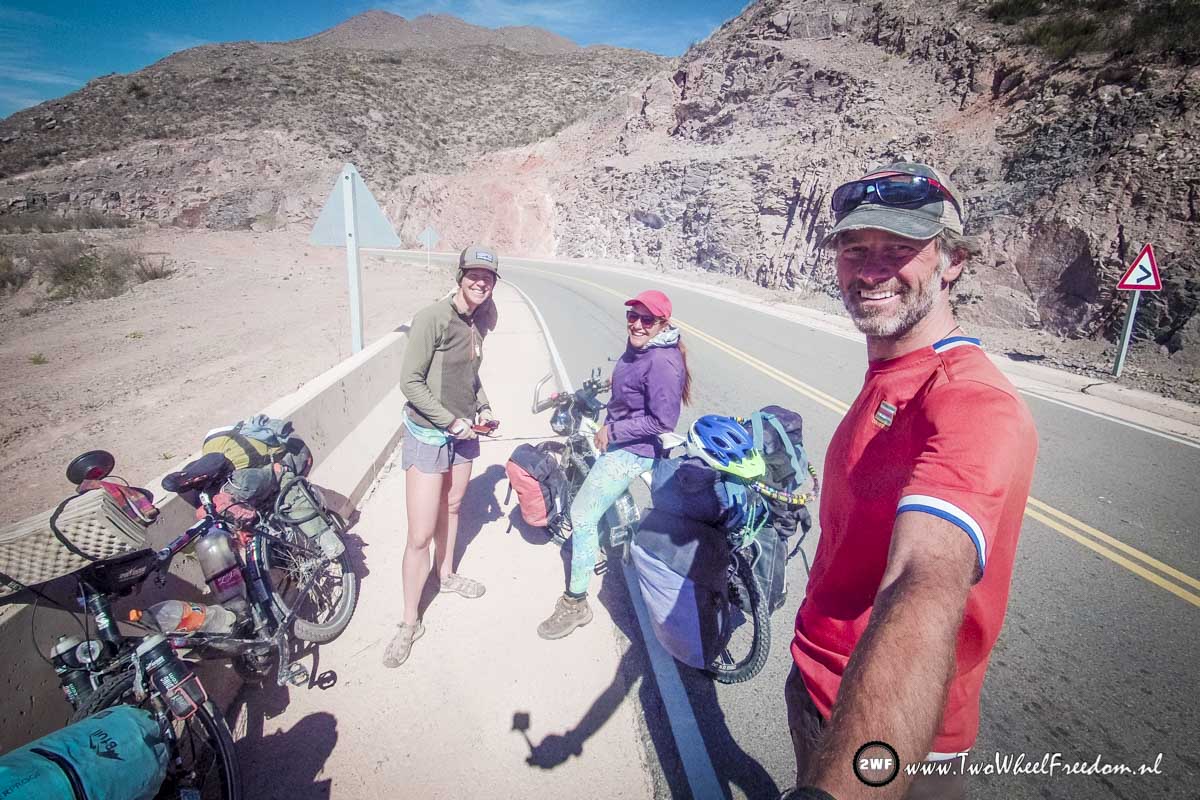
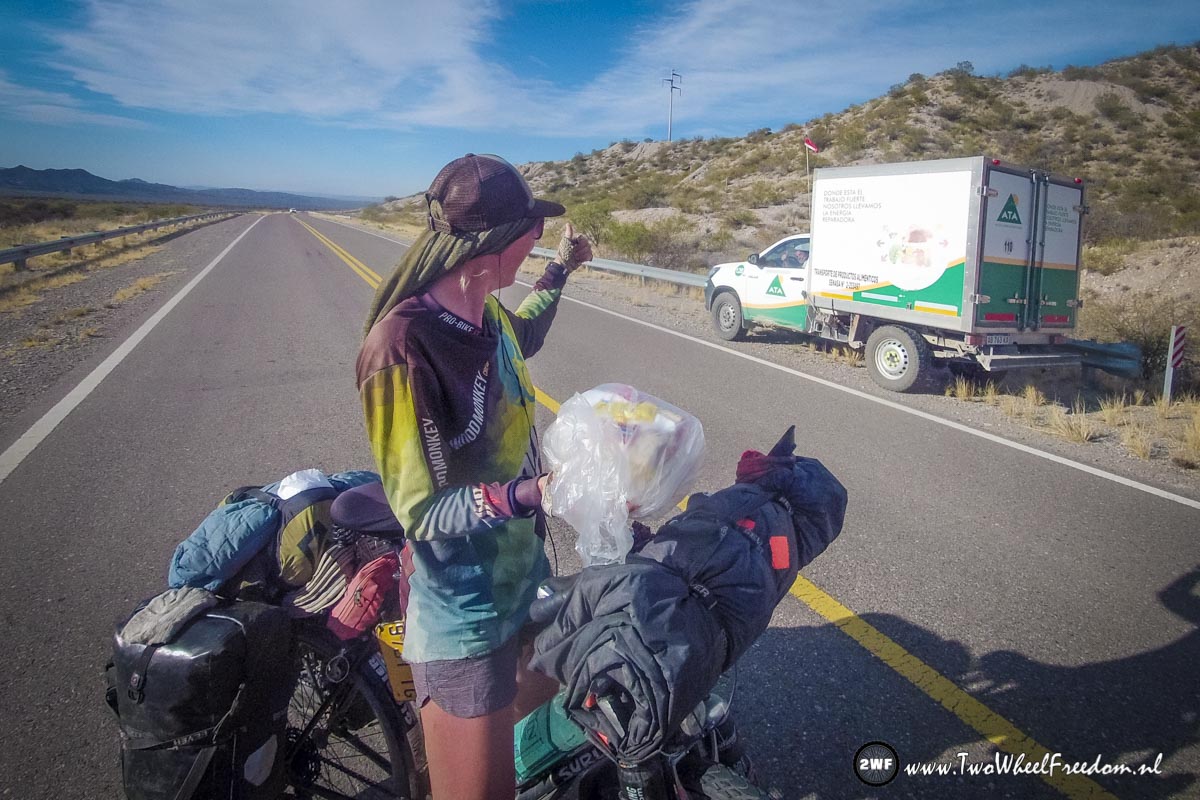
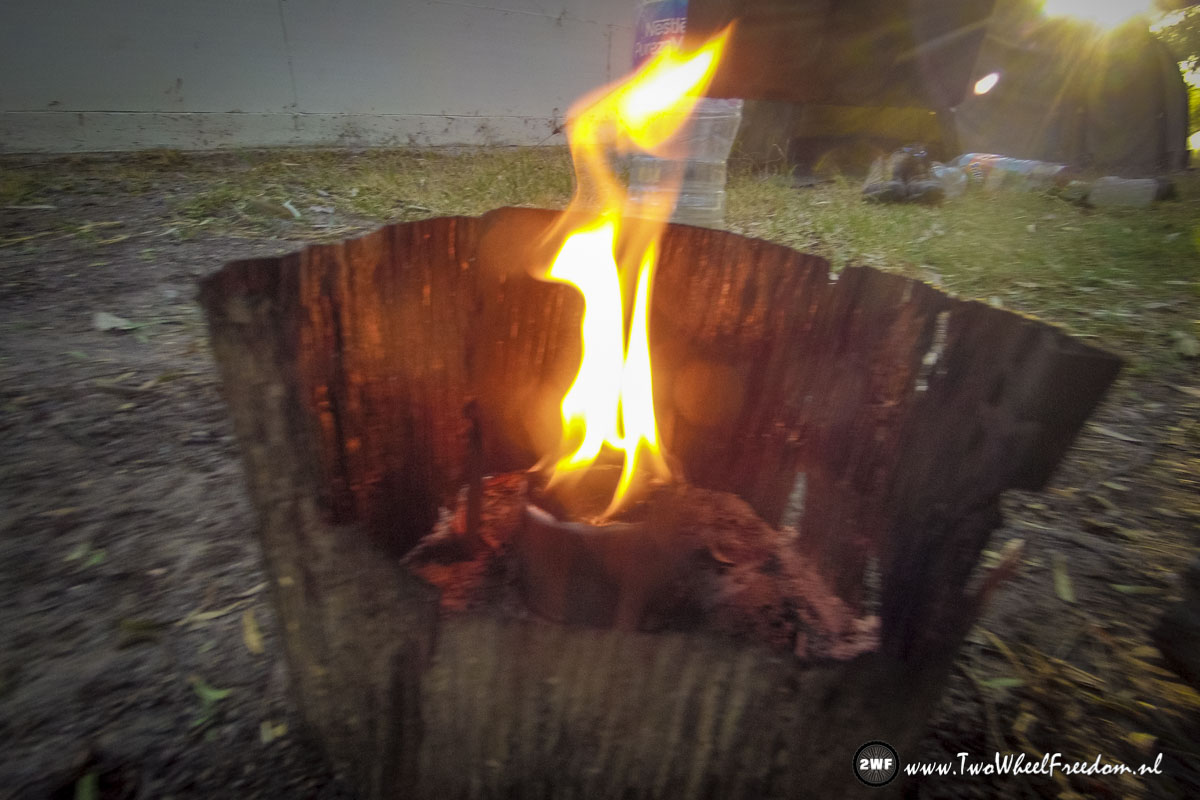
So in the coming months we will actually be cycling from Libya to the Mediterranean Sea, crossing it to Greece, from where we will cycle through former Yugoslavia, Hungary, Slovakia, the Czech Republic, Poland and Germany to finally arrive in Denmark. 😀

We created an upside down map to make this story clear, hopefully. If not… whatever, it’s a long way south 😉
We always thought that the south of Patagonia was very deep south, but it is actually just as far too the south as Denmark is to the north, seen from the equator.
Because it is quite a long piece, we will divide the blogs from Argentina and Chile into several stories. This blog is about Northern Argentina where we will pick up the famous Ruta 40 and tells till city of Mendoza.
Enjoy reading.

It was already getting dark when we entered the migration office. They where still open so we pushed all our stuff through an X-ray machine, got our passports stamped and here we are… Argentina.

Because it was already late we checked in at a nearby cheap hostel. The entrance was through a small shop. The room was freezing cold, the TV in the room only showed some grey contours from what a movie or show could be but the shower where hot.

The highest point of this part of the route, 3780 above sealevel. Can’t remember the exact year but is was definitely time for cookies.

When we checked our map before we started this road we saw also a traintrack. But this track had big gaps in it on certain places . Now we know why; the traintrack just stops so now and than.

Sergio, a trucker from Brazil. Drives between Southern Brazil and Northern Chile in a week time. He asked us if we needed fresh water from Brazil. How can we say no?

In a ditch on the side of the road drinking wine and waiting for the sun going down so we can put up our tent in the dark, hidden for the traffic.

Anne and Sergio from Brazil with 3 year old Jamil in the trailer. They are cycling from Brazil to Mexico.

And we thought we have hard times sometimes. Pffff… this is really hardcore, deep respect on these steep mountain passes.

The first kilometers on the famous Route 40. One of the longest roads in the world. We “just” have to cycle 4338km to hit the border of Tierra del Fuego from where it’s another 600km to Ushuaia.

No towns at all in the area, no light pollution so millions of stars at night. @ ISO3200 | 10mm | f/4.0 | 30sec

Most funny guy we met on the road so far. We bumped into him at a gasstation and had a fascinating conversation about the Big Bang, The end of the universe and everything in between.

At the top we met Veronica from Chile. Cycling just by her own around South America, making money by being a street artist.

We were running out of food and the next town for buckle up food again was a few days cycling ahead of us. We were thinking what to eat at night, a car stopped, a guy jumped out and did give us two huge sandwiches with schnitzels and fresh veggies. Is that karma out what? ?

We couldn’t find petrol for our stove nearby so we tried it with alcohol but our MSR stove didn’t burn on it. So we build our own stove out of two Coca Cola cans. The cooking was much slower than usual but it worked 🙂
After a few days Mendoza we cycled further to the south to cross the border into Chile, a bit south of San Martin de Los Andes. The next blog will show hard winds, long gravel roads and beautiful National Parks.
Stay Tuned.
Kim & Arjan
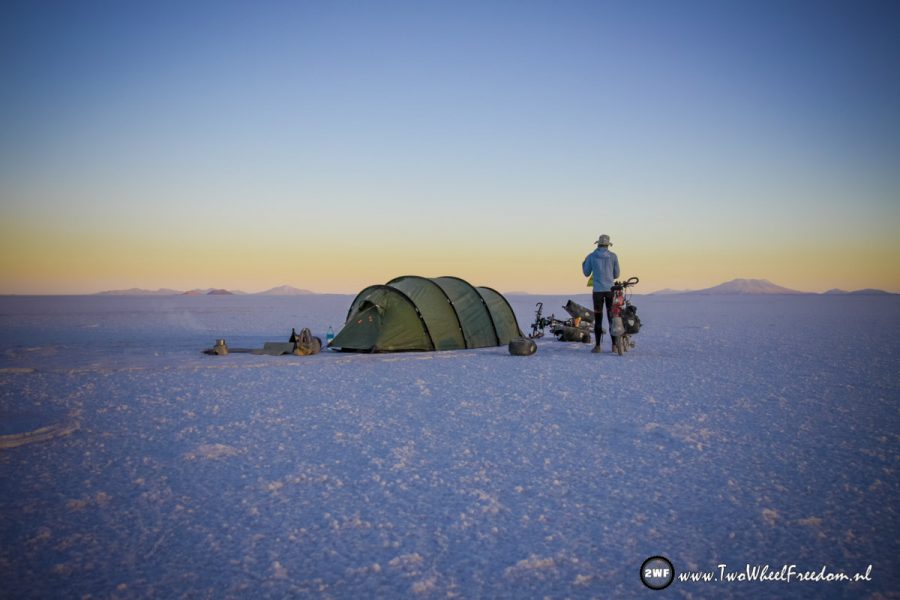
Bolivia, with five neighbour countries and no coastline well hidden somewhere deep in South America. Like many other places on this trip we where really looking forward to visit this country. This because of the world famous huge salt flats. These salt flats cover an area of 10,582 km2, the largest salt flats in the world. This all at an altitude of 3660 meters on the Bolivia Highlands, in the Andes near the town of Uyuni.
Wikipedia learned us;
About 40,000 years ago, this plains was part of a huge prehistoric lake. When the lake dried up, two lakes remained (Poopo Lake and Uru Lake), and two large salt flats (Salar de Uyuni and Salar de Coipasa). It is estimated that it contains more than 10 billion tonnes of salt, of which around 25,000 tonnes are removed annually.
The flats are covered by a few meters of salt crust, which has an extraordinary flatness with the average elevation variations within one meter over the entire area of the Salar. The crust serves as a source of salt and covers a pool of brine, which is exceptionally rich in lithium. It contains 50% to 70% of the world's known lithium reserves. The large area, clear skies, and exceptional flatness of the surface make the Salar ideal for calibrating the altimeters of Earth observation satellites. Following rain, a thin layer of dead calm water transforms the flat into the world's largest mirror, 129 kilometres across.
From the border from Peru we will head for La Paz, one of the highest cities in the world from were we will go south to Oruro, on to route 12 to Sabaya. At this small town close to the Chile border we gonna hit Salar de Coipasa first, meet the flamingos and move on to Salar de Uyuni.
After Uyuni will cycle south to the border with Argentina. On this part we expected a boring route but cycled an unexpected beautiful part of Bolivia, a bit similar to the National Parks in the United States but without the thousands of tourists.
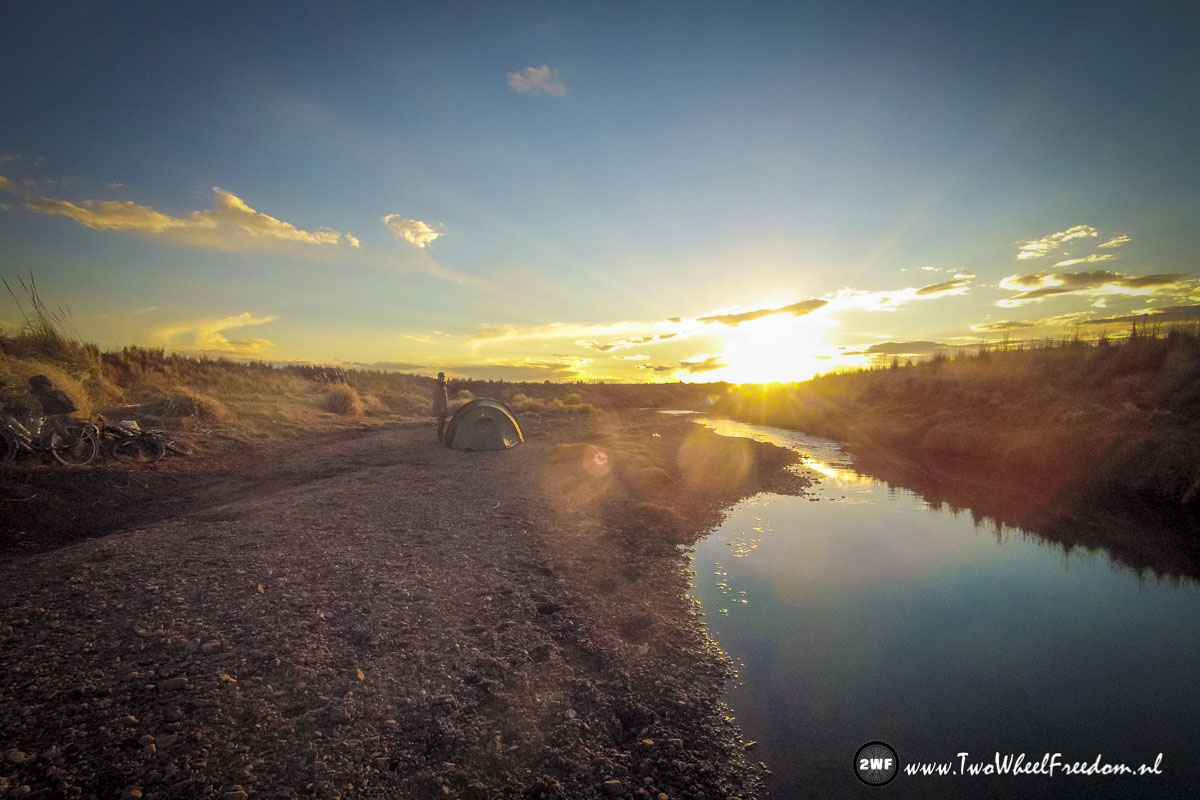
Our first campspot in Bolivia. Also in this country, wildcamp doesn't look like a problem. The highway is just 100m away but no one can see us in the lower riverbed. We enjoy the nice sunset.
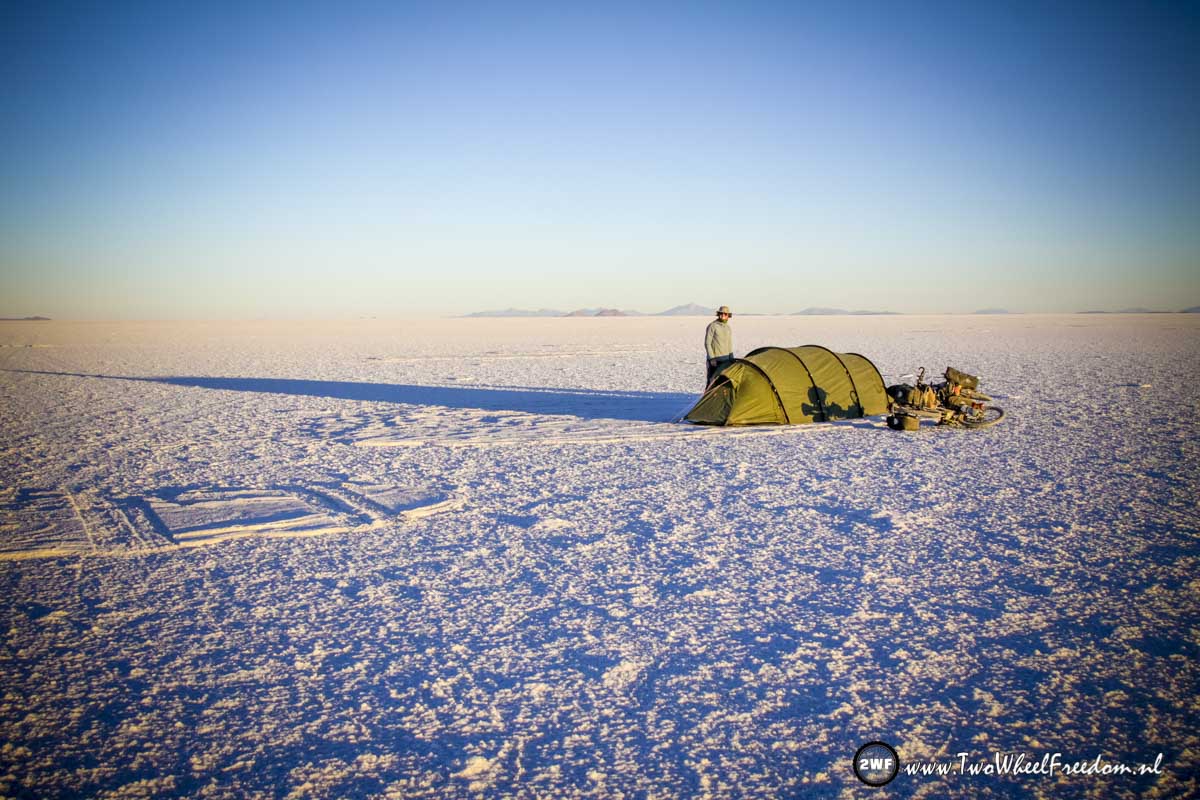
Camping at the salt. Cars and trucks pass by sometimes. Our biggest scar at night for us; They don't see our tent on time and drive over us.
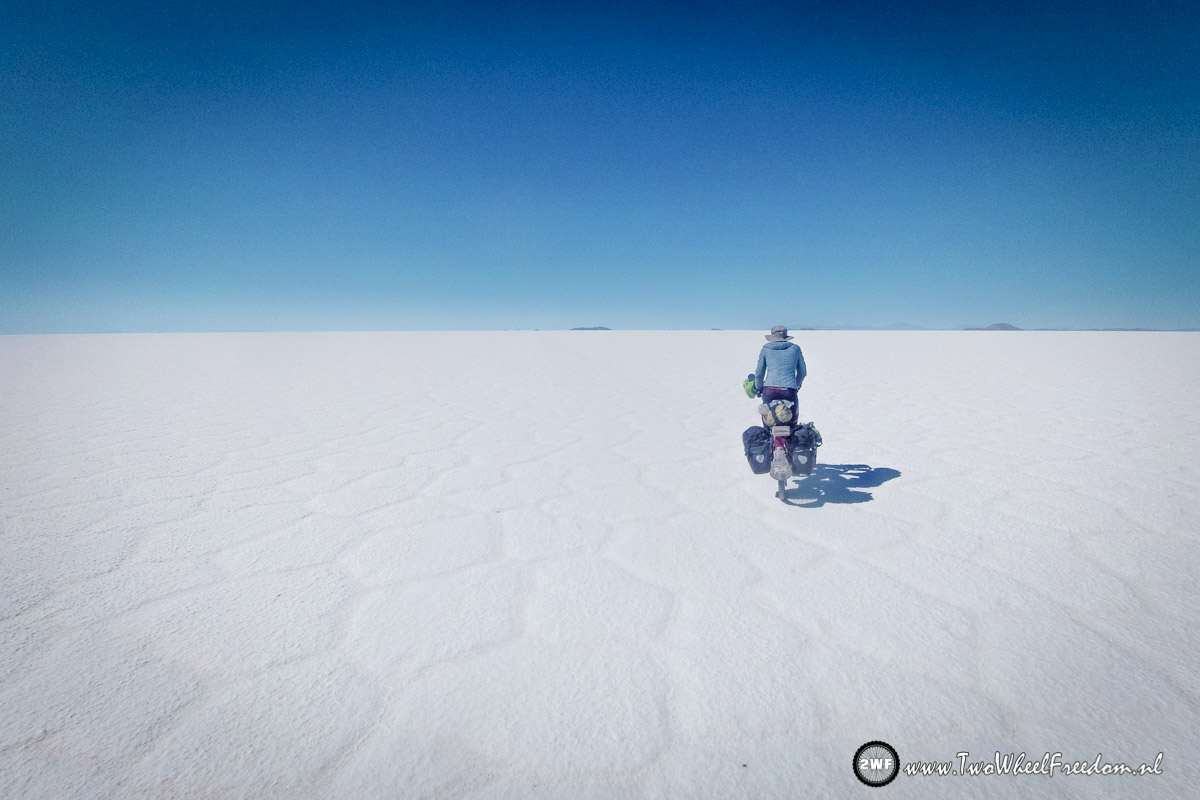
Endless... Priceless... The whole route over both of the saltlakes was around 300km. Due the wet and muddy first lake it took us nearly 5 days to finish both of the lakes.
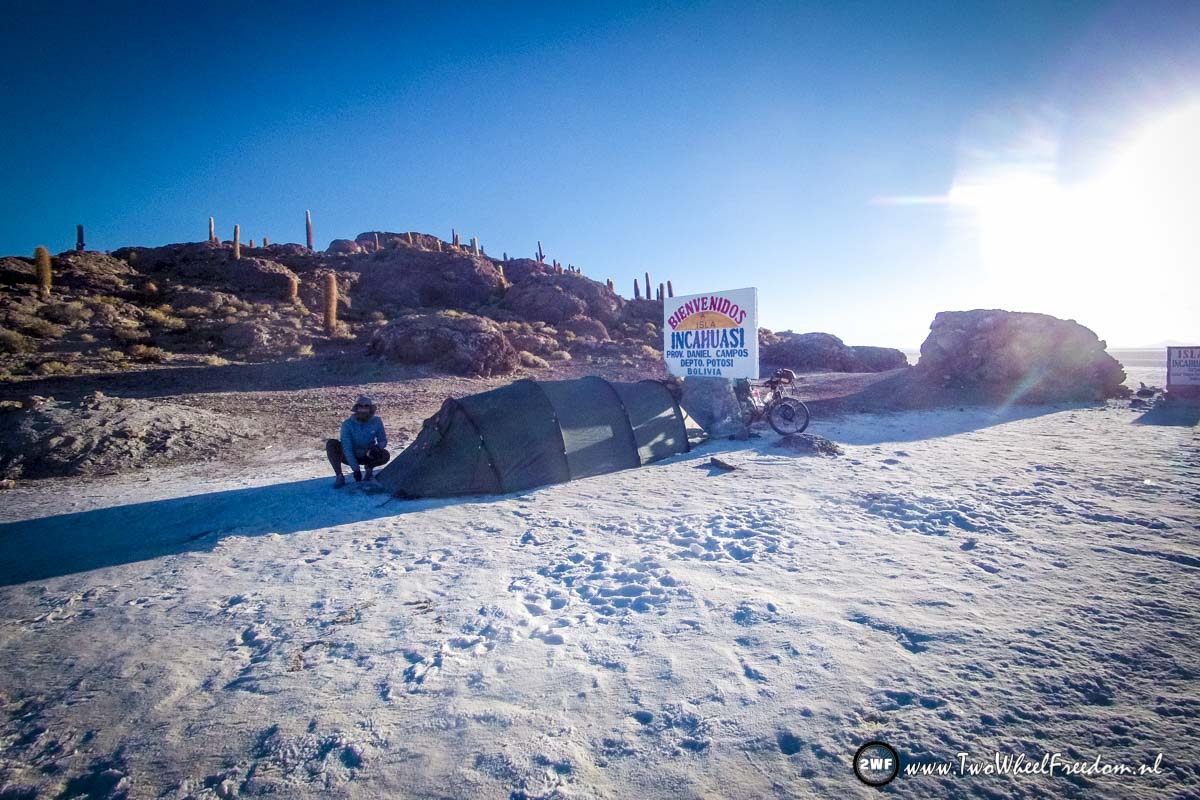
Welcome at Isla Incahuasi. This island is in the middle of Salar de Uyuni. We camped here for the night.

Strange but true. We found water underneath the salt. This did give us the strange feeling like cycling on ice instead of salt.
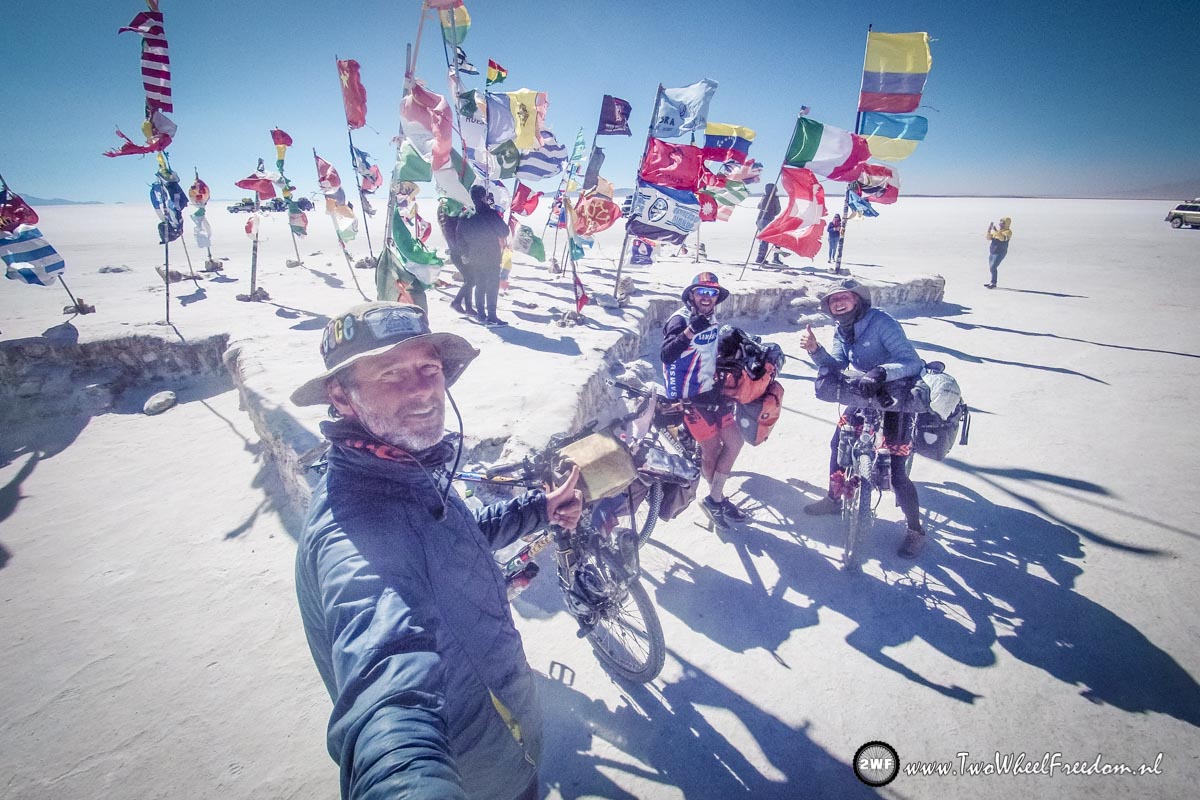
Close to the end of the Salar the Uyuni there is this Dakar Rally monument. Here we met @fedeflores94 from Argentina
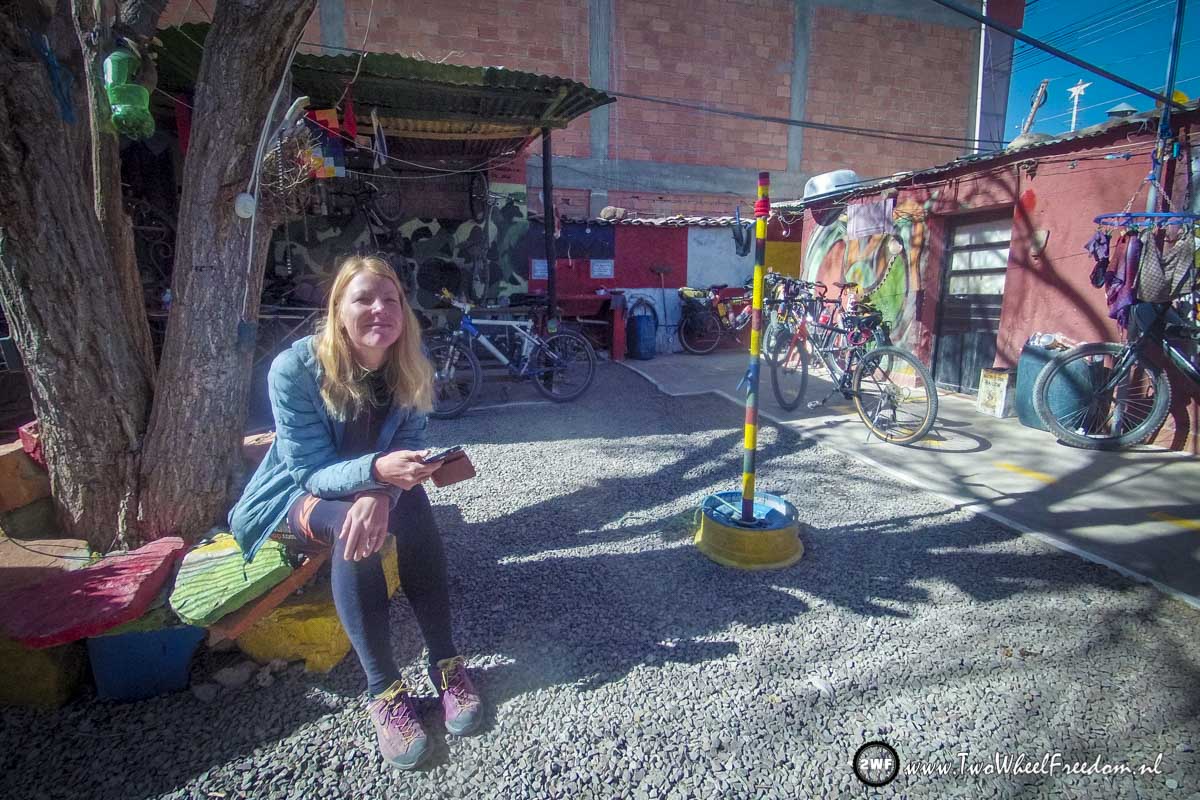
Cleaning bikes and stuffing ourselves up with loads of calories again. Preparing and planning for the last leg of our trip through Argentina, Chili and Patagonia.
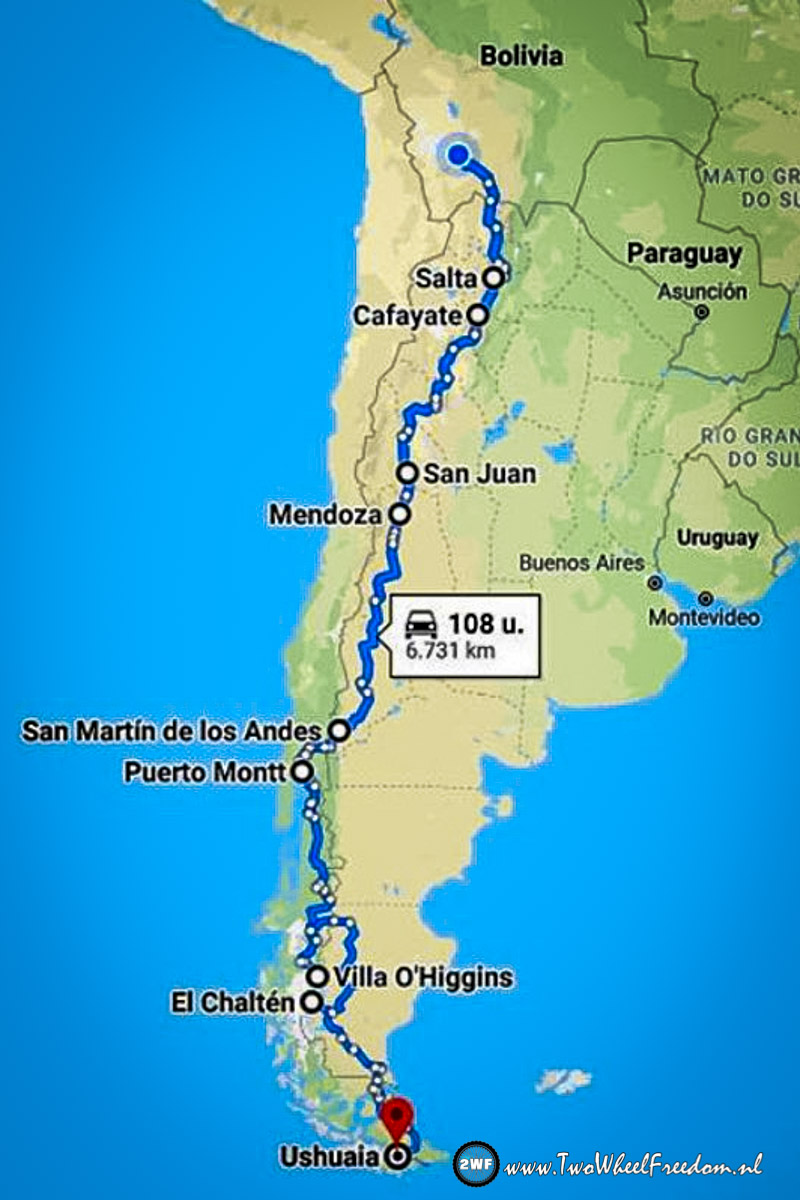
August 4, nearly 6000km to go. (Google did a little miscalculation of 1000km) At the time of posting this Bolivia blog we are in San Martin de los Andes already.
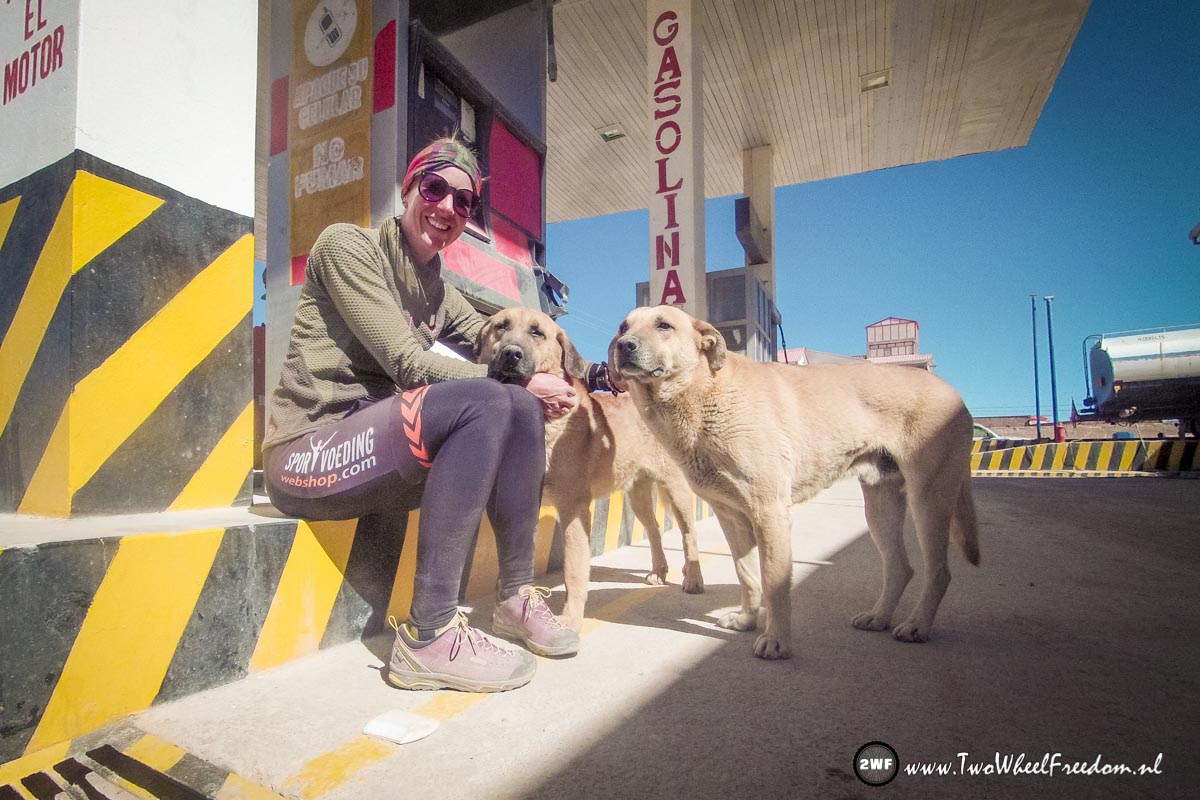
Filling our campstove up with gasolina again at the last gasstation for the coming days. Kim is making friends in the meantime with these twins.

"Kim how do you transport 20 eggs on a bicycle?" --- "Just on the back with some soft mattresses underneath! :-)"
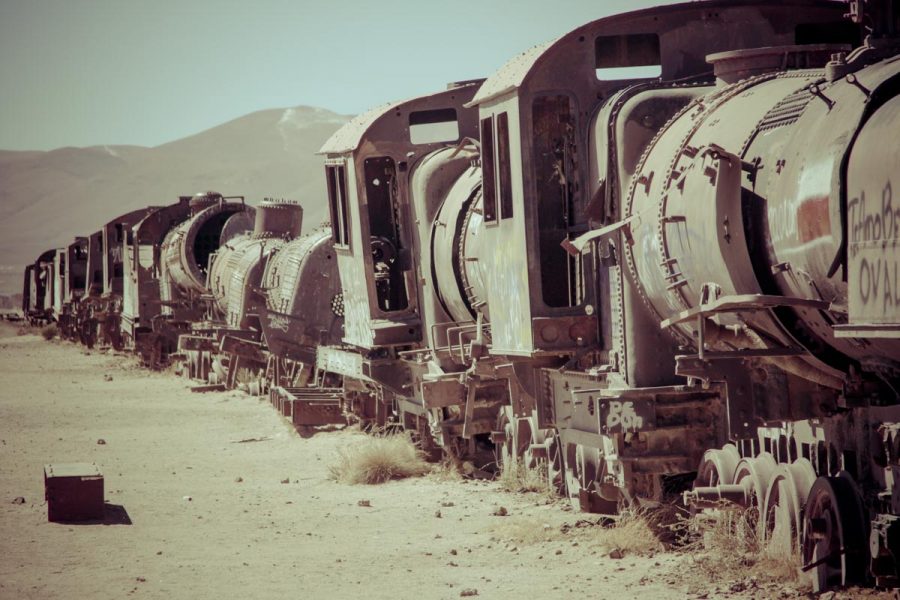
It will probably take a while before our Cycling Bolivia blog will be online. In the meanwhile this post with the first pictures from Bolivia taken on a Train Graveyard.
Close to Uyuni in Bolivia we found a Train Graveyard full of old rusty stream trains. It's a unreal place to visit in the middle of the Bolivian dessert.
Our "Cycling Bolivia" blog will be online as soon as possible. Thanks for watching 🙂
Page 1 of 9


